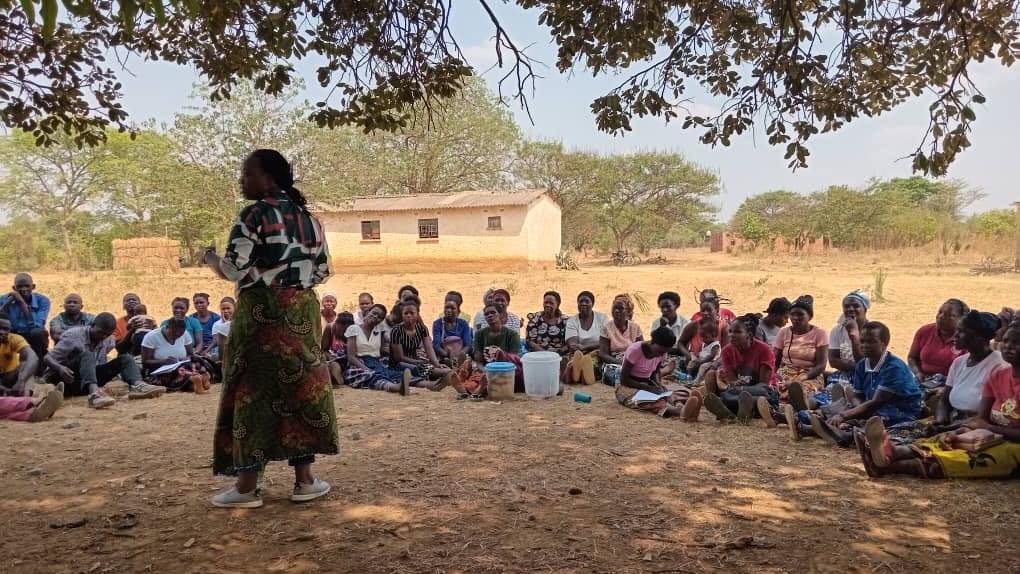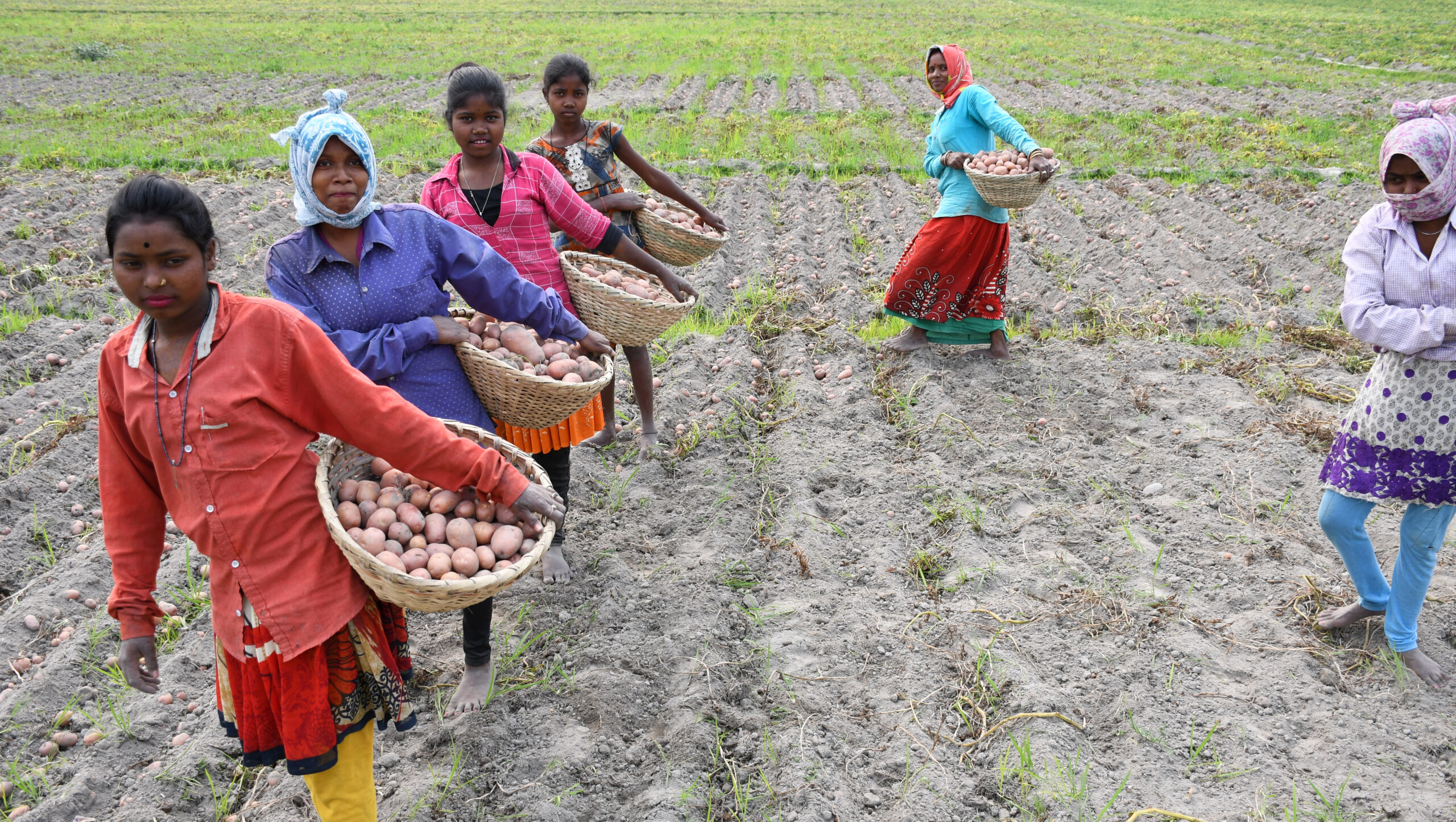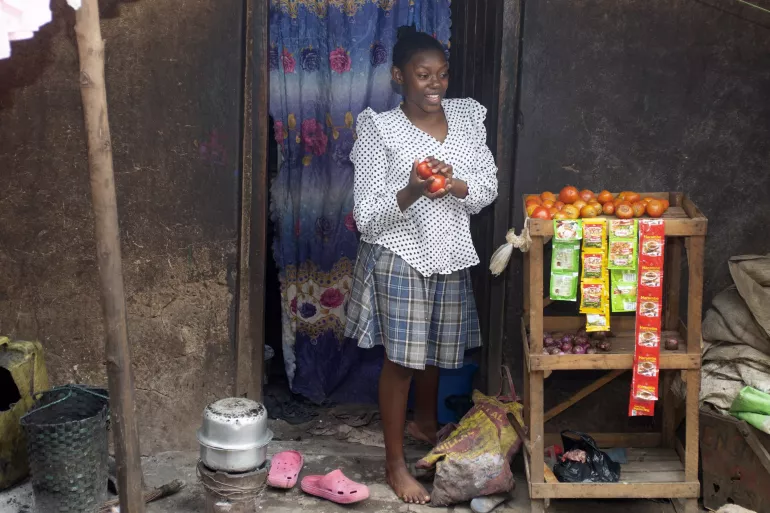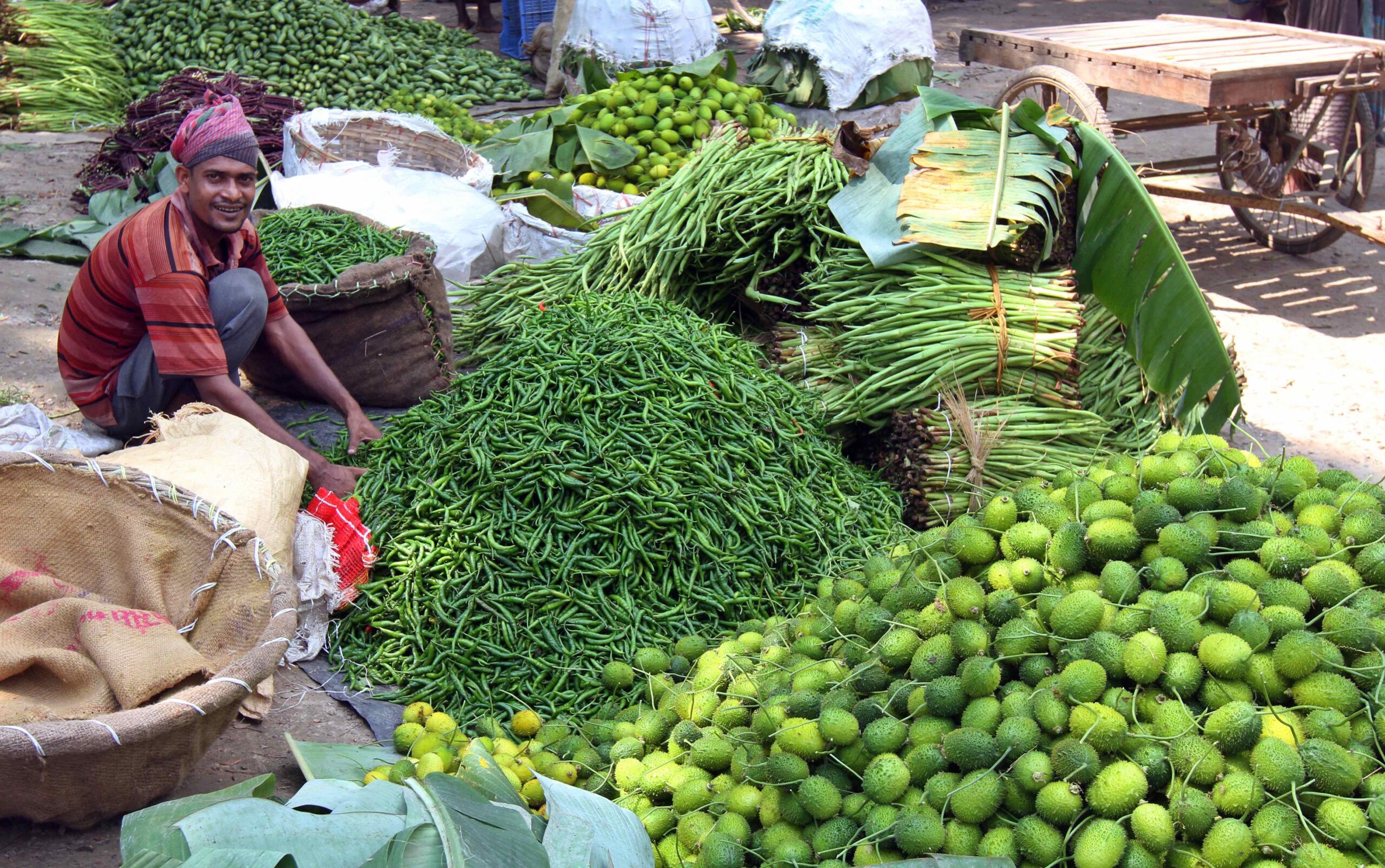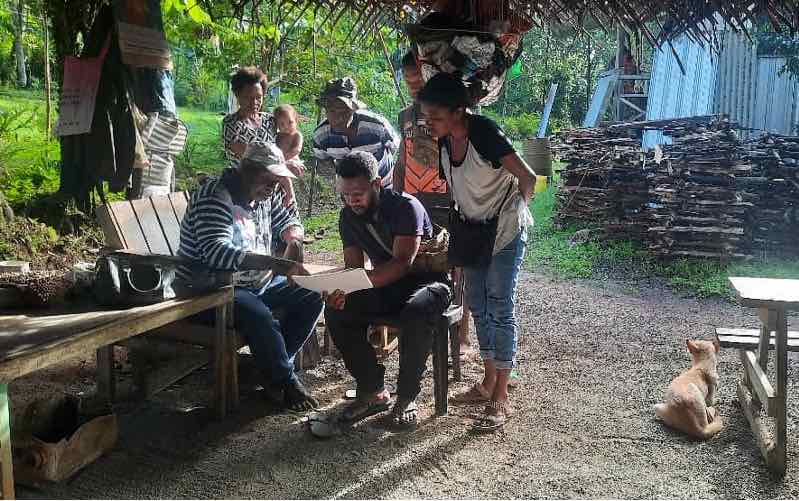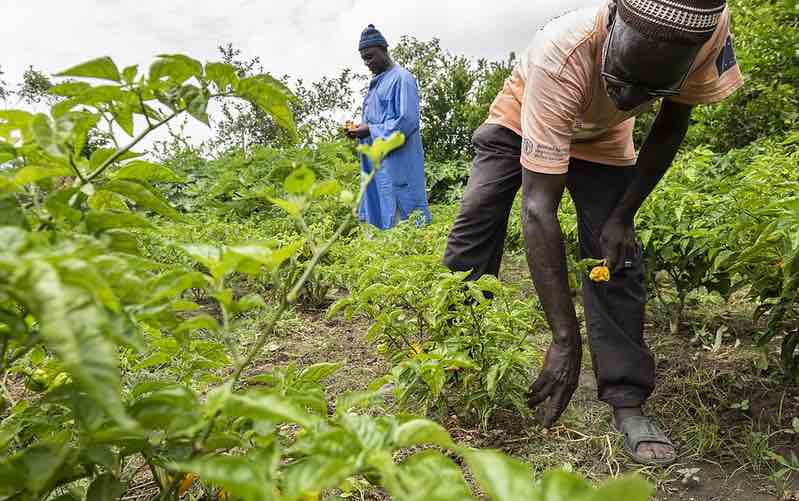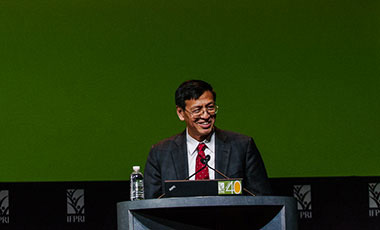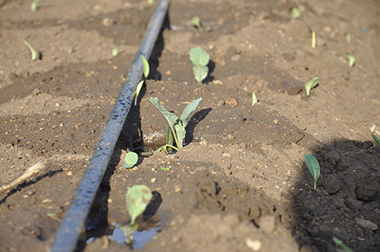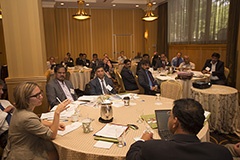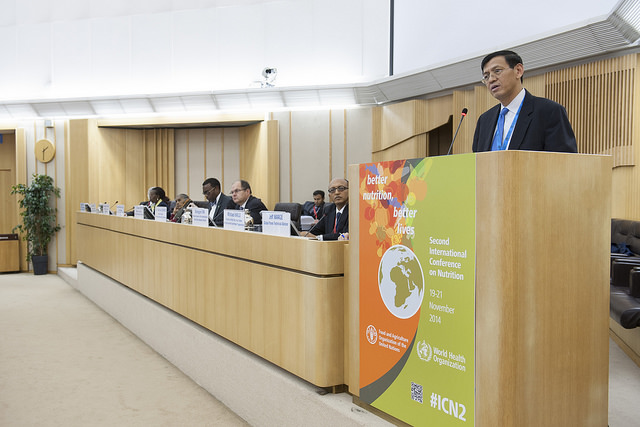Back
Related categories
Found 1798 Results
-
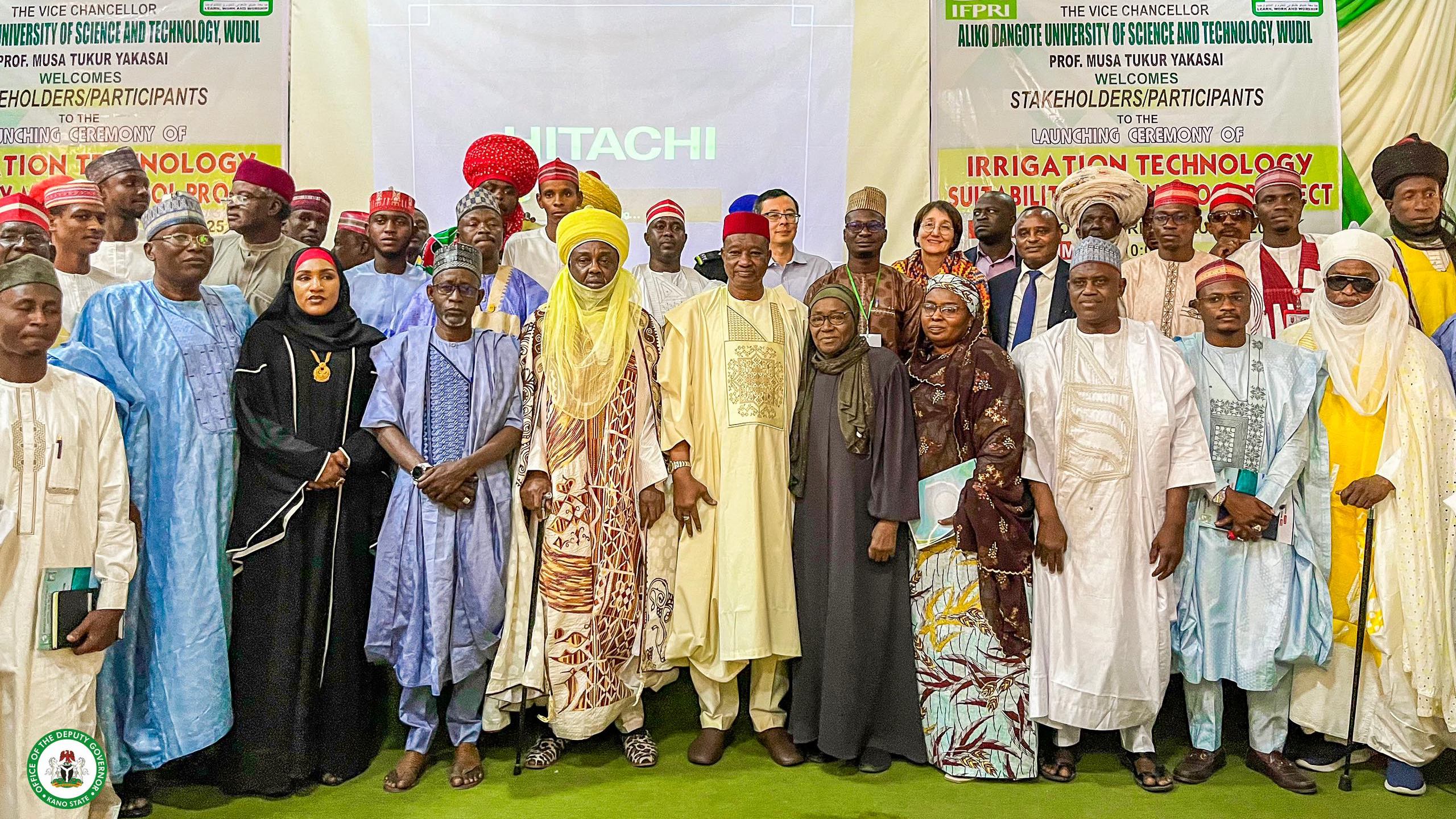
Overcoming policy, finance, and technology supply constraints to unleash small-scale irrigation in Nigeria
Bringing human-centered design to smallholder agriculture.
-
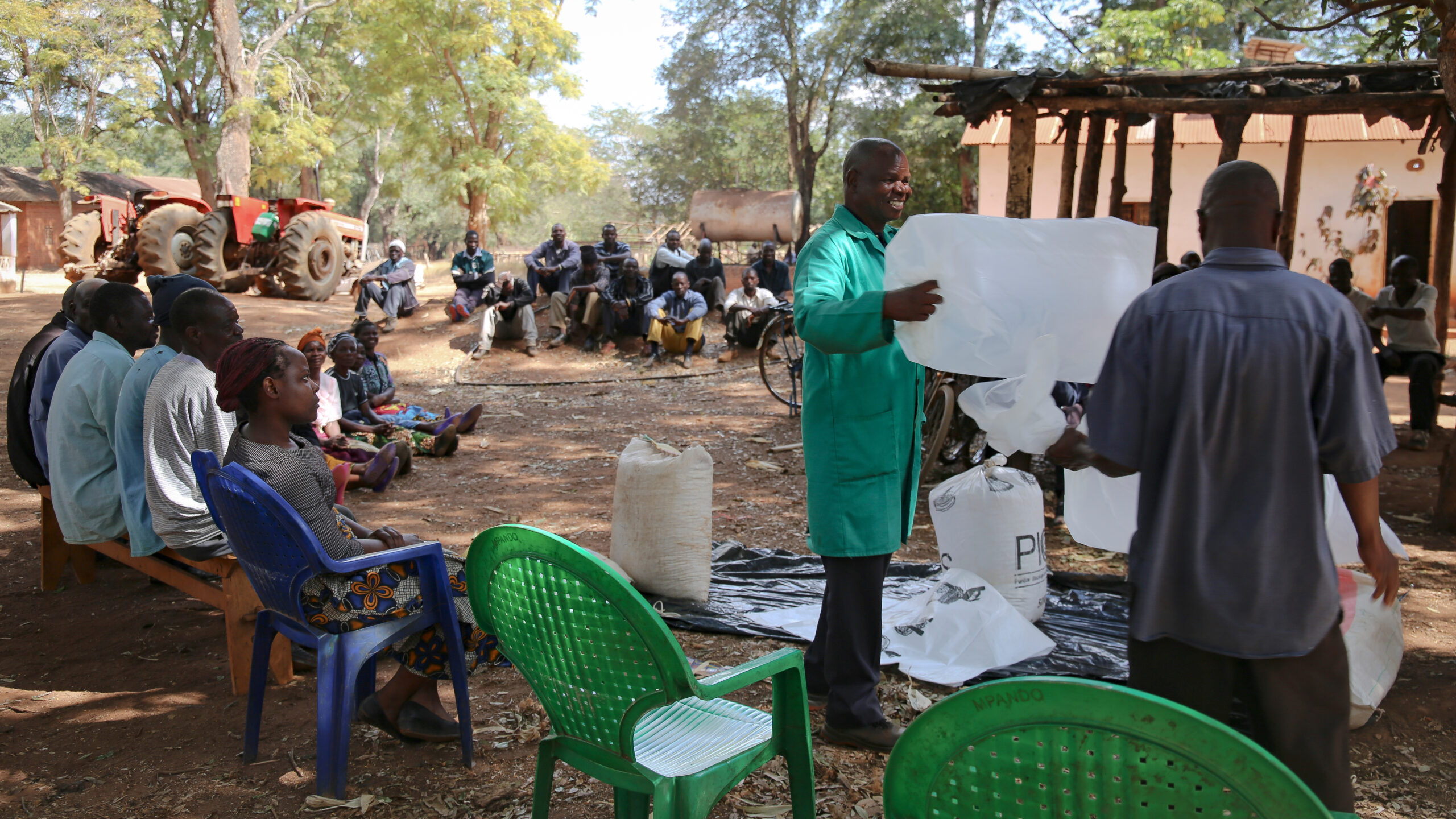
Reforming agricultural extension to build resilient and sustainable food systems: Insights from national and international consultations
Overcoming funding issues and outmoded practices.
-
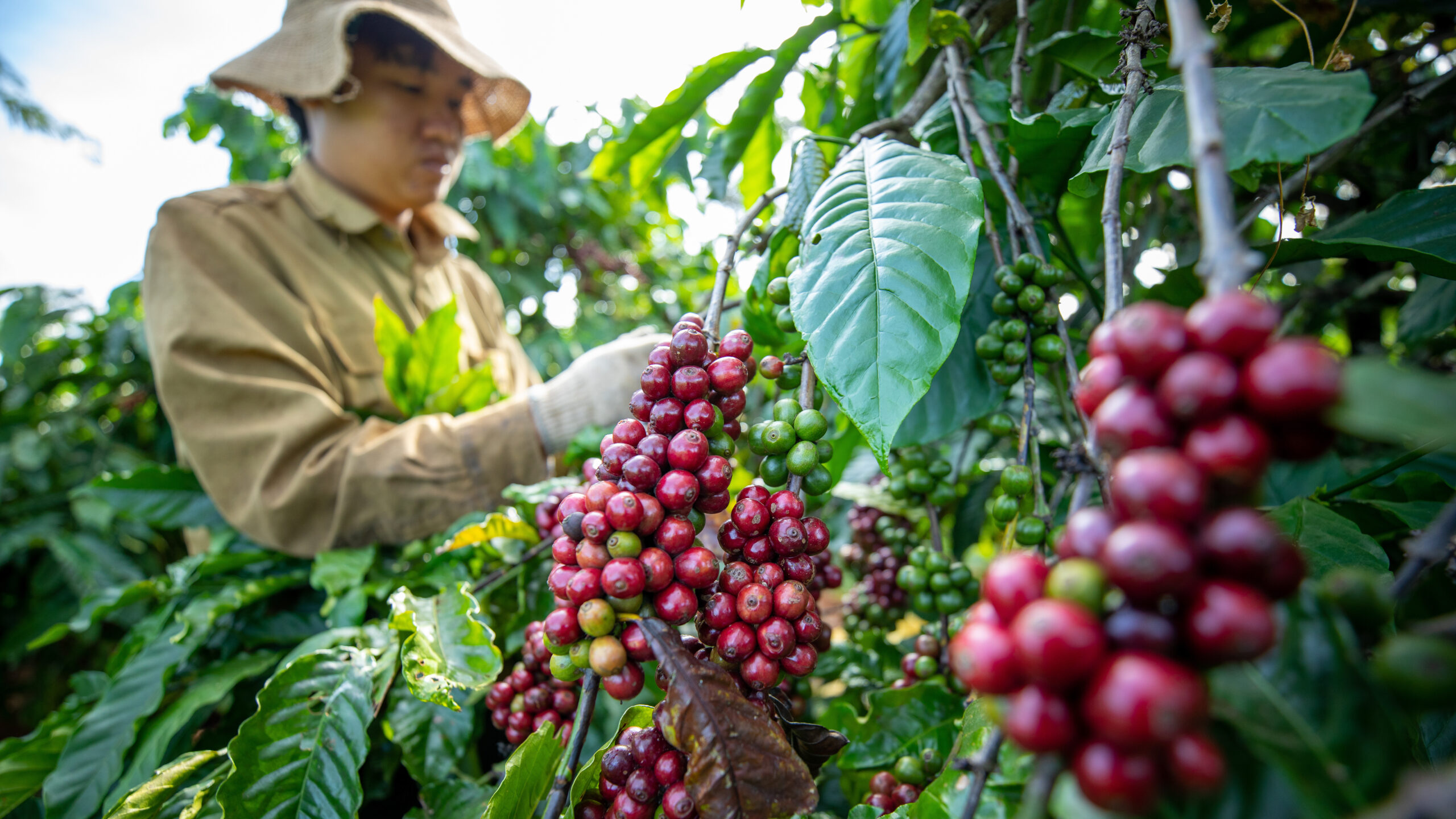
How ‘reciprocal tariffs’ harm agricultural trade
A model shows global disruptions.
-
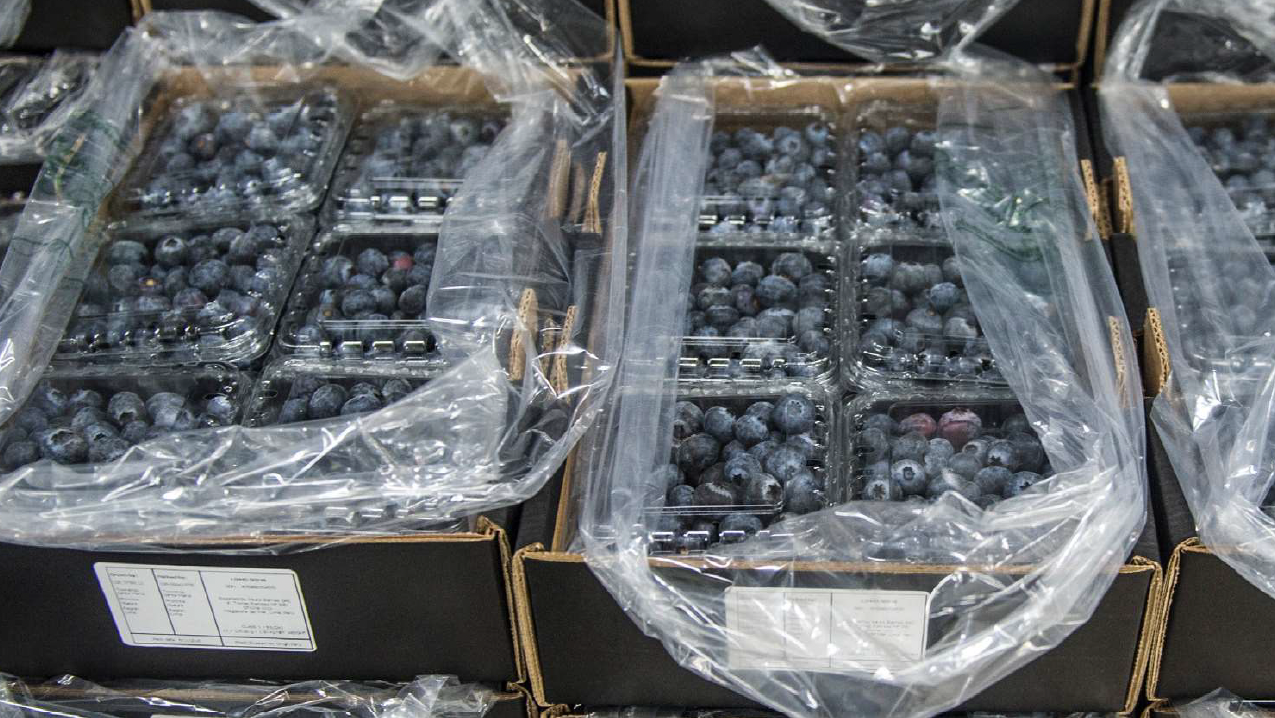
Peru’s rapid rise as the world’s leading blueberry exporter
A global trade success story.
-

What are kids watching online? How digital food marketing shapes children’s and adolescents’ diets
A study shows the influence of social media.
-
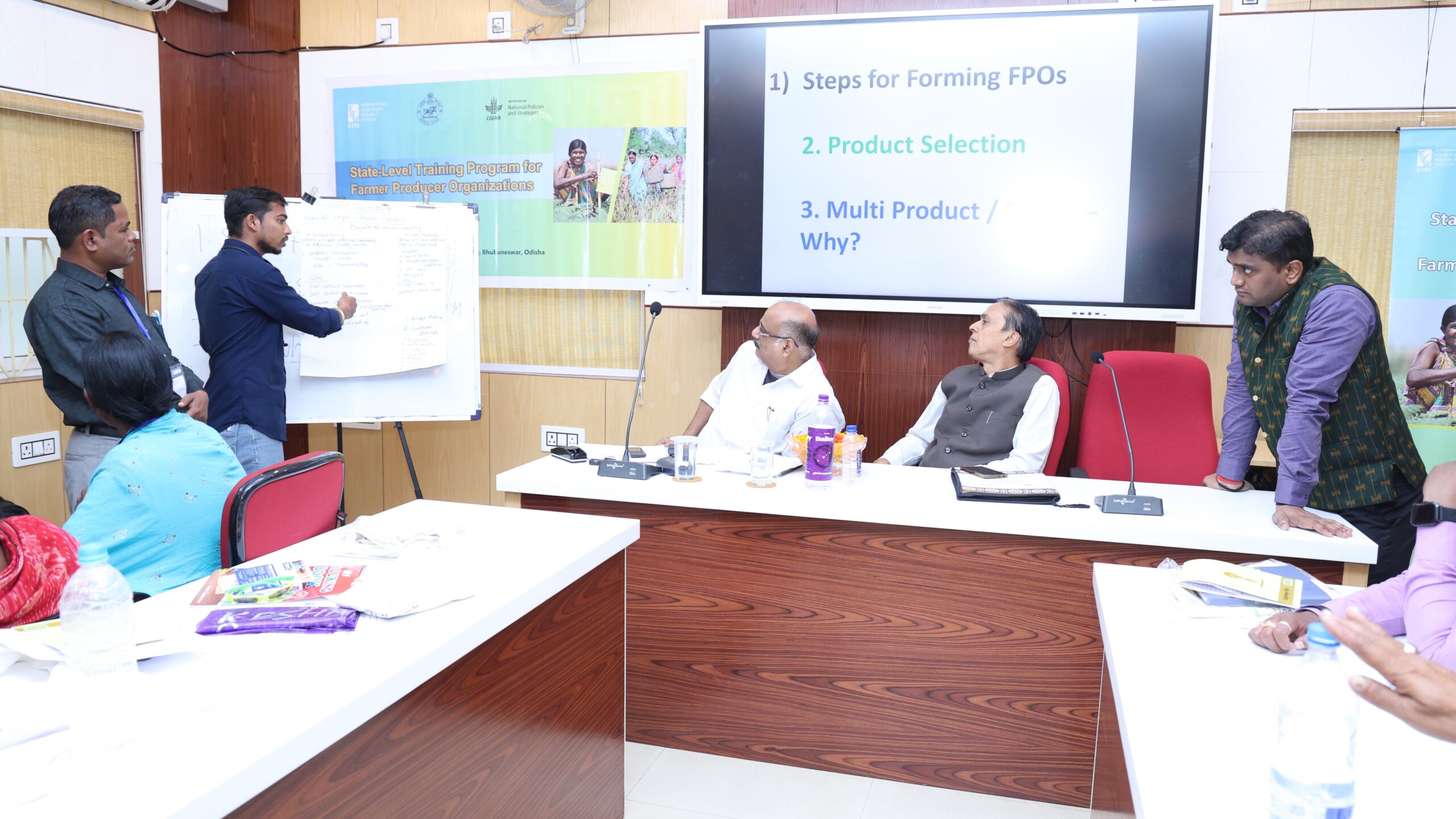
Navigating growth challenges: Strengthening farmer producer organizations in Odisha, India
Research and training for better management.
-

Ethiopia’s health and nutrition data gap and what it means for public health
A study finds problems with completeness, consistency, and timeliness.
-

High global phosphate prices pose potential food security risks
Pandemic and Ukraine crisis impacts linger.
-
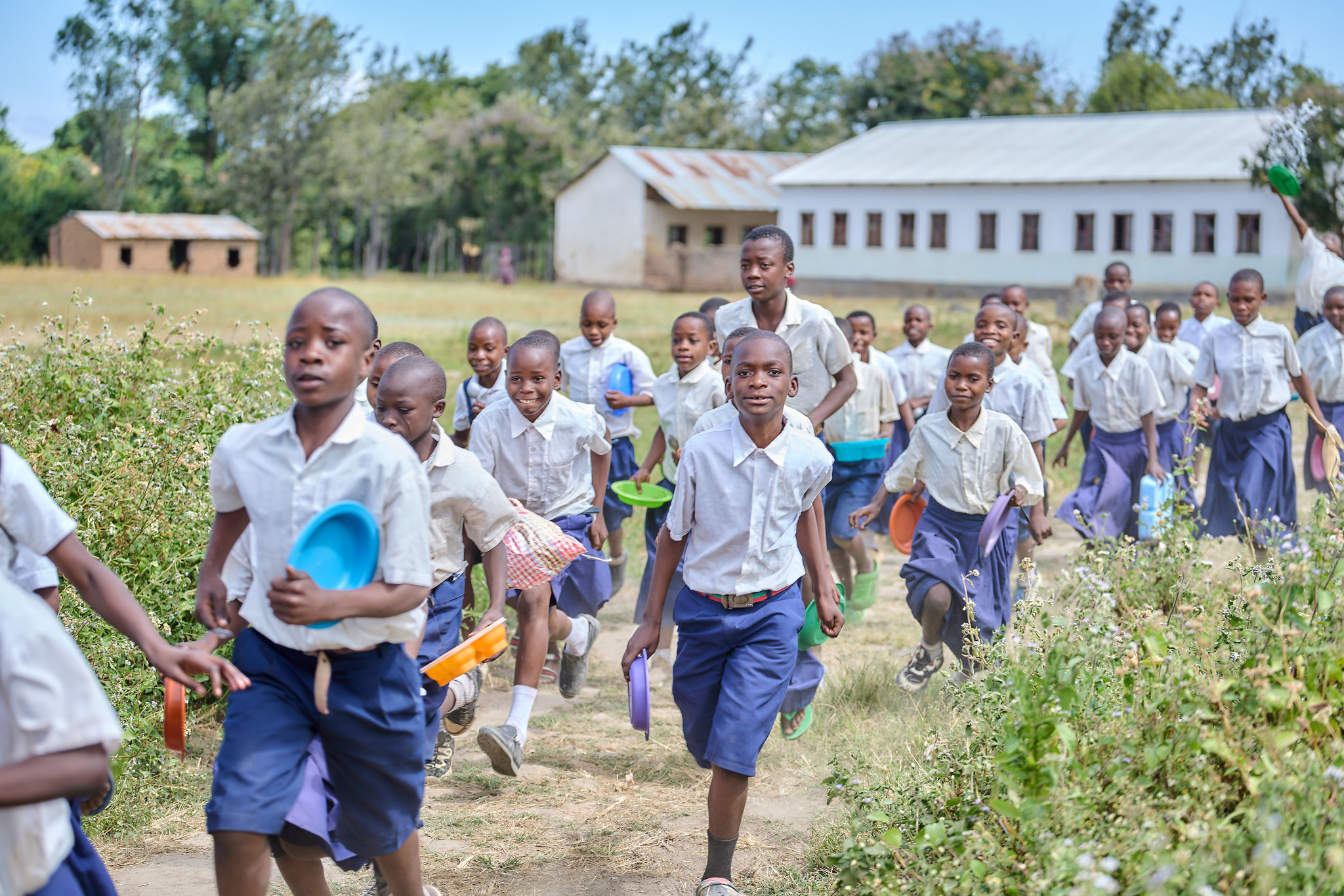
More than a meal: How school feeding programs are shaping the future
A recent seminar analyzed emerging evidence and future directions for school meals in the 21st century.
-
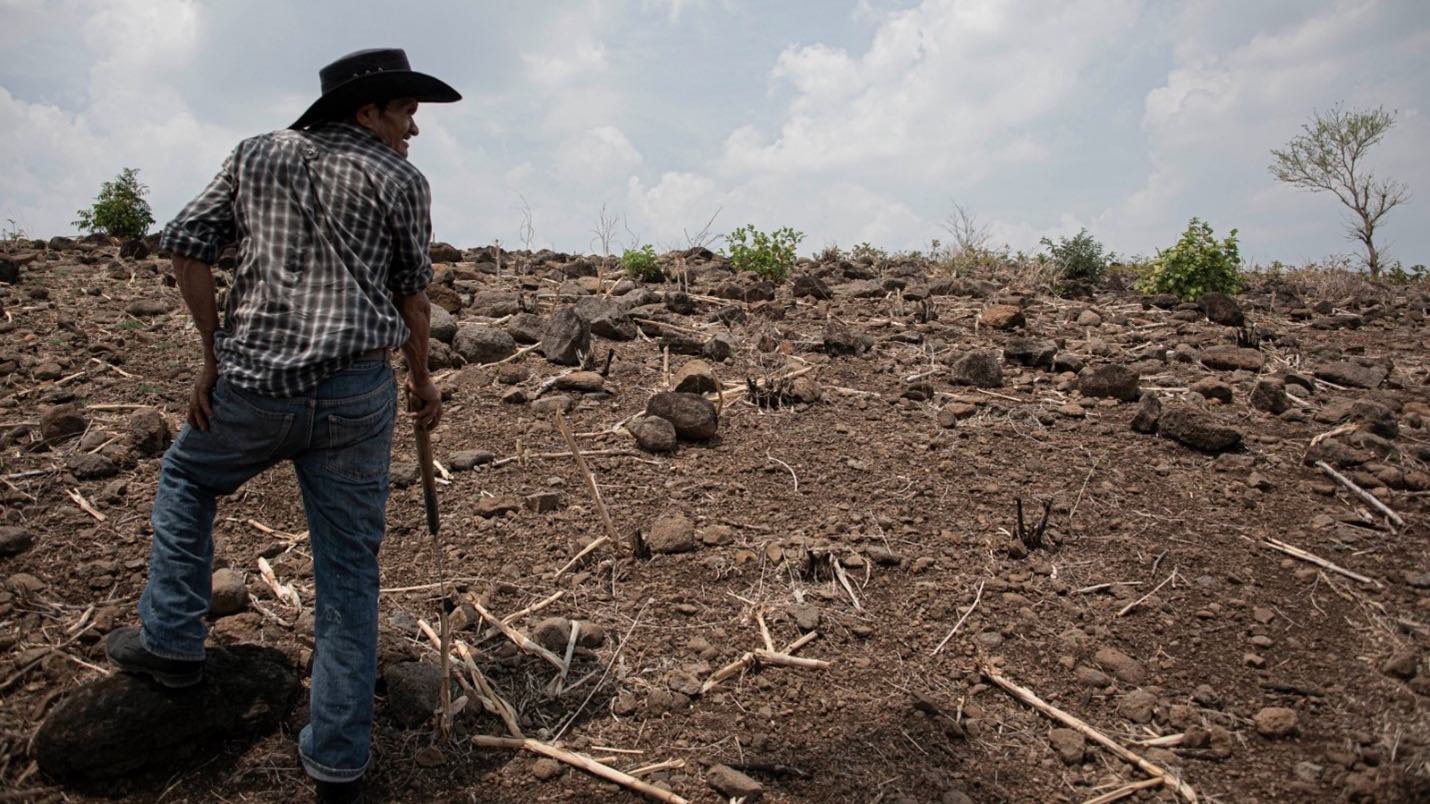
Can foreign aid curb migration to the U.S. by creating a better alternative?
Investing in incentives to stay put.
-
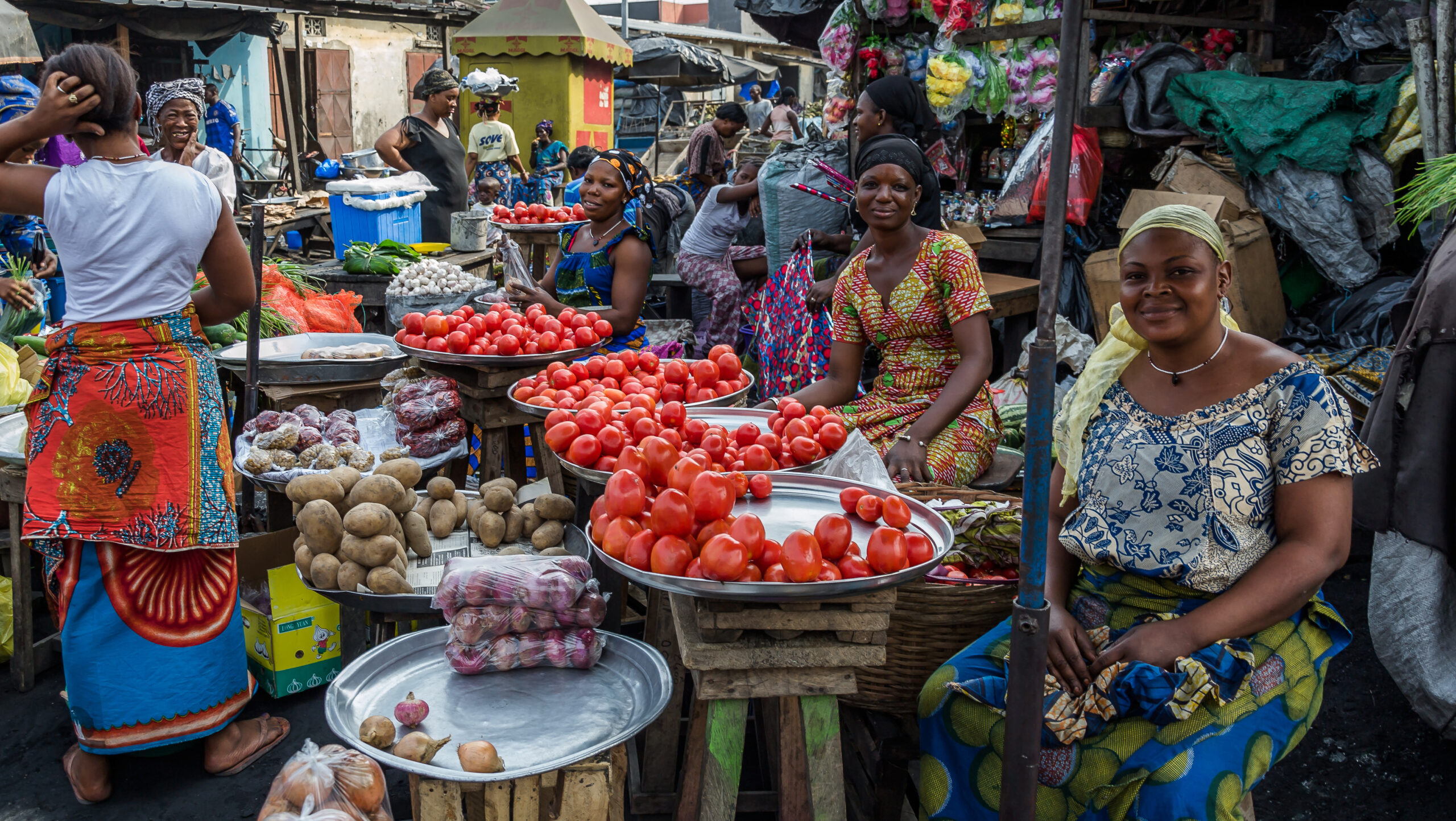
Transform Nutrition West Africa builds knowledge for decision-makers
Informing policies in four countries.
-
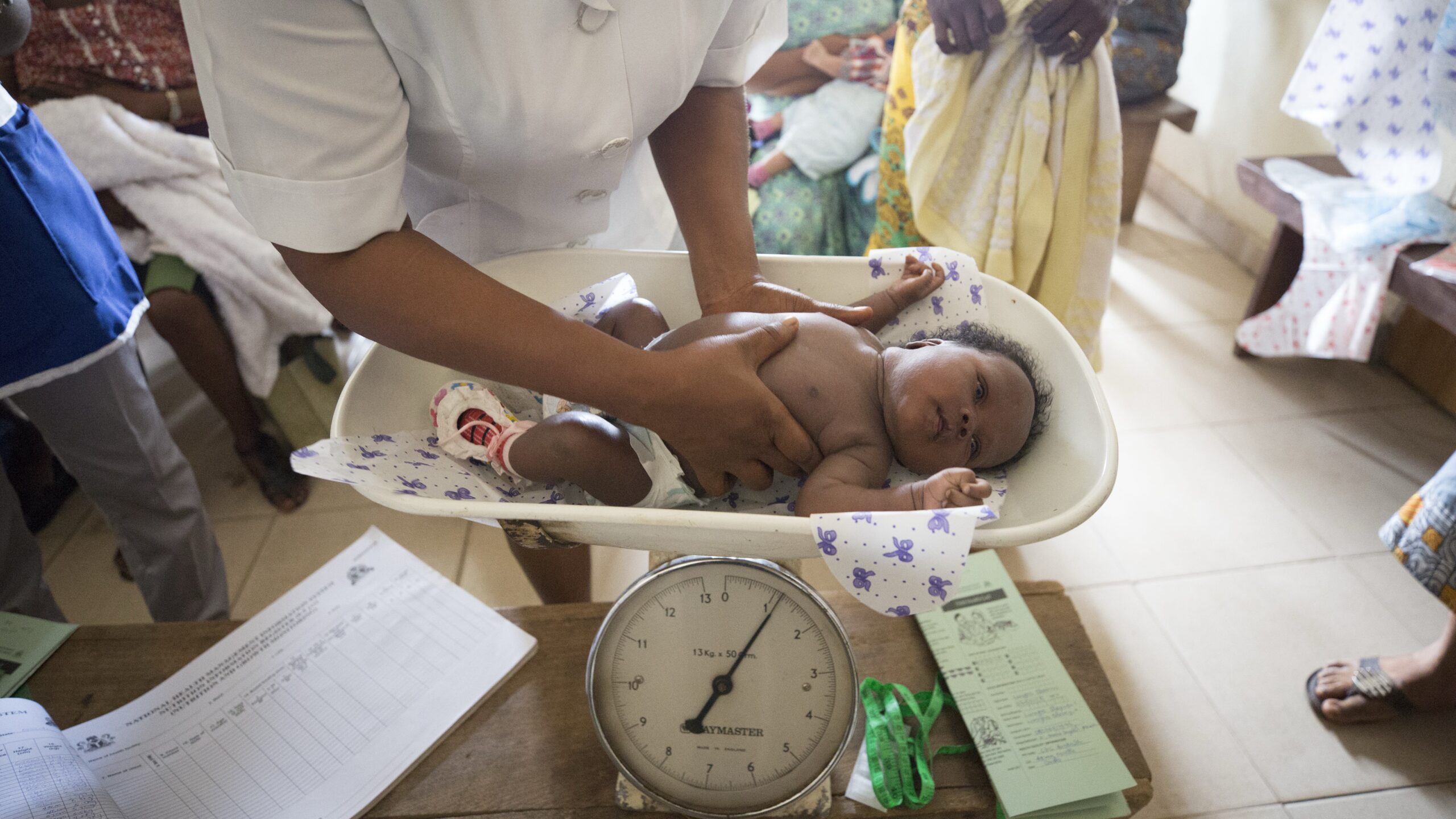
Rethinking growth monitoring and promotion in low- and middle-income countries
A study raises questions about a standard practice.
-
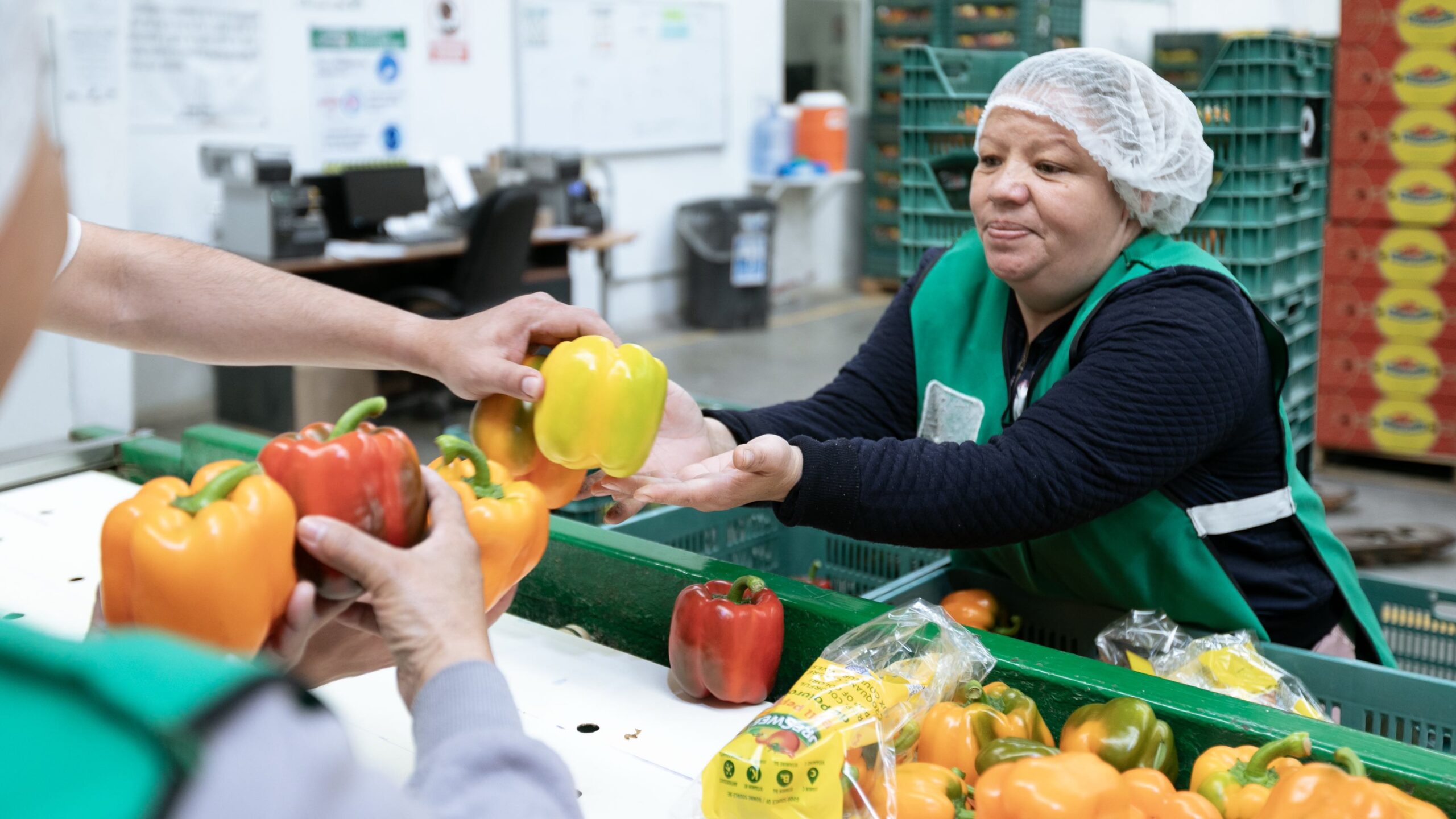
Impact of proposed U.S. tariffs on agricultural trade flows in the Western Hemisphere
Modeling tracks potential disruptions.
-

How countries have coped with recent agricultural trade disruptions
Lessons from IFPRI research.
-
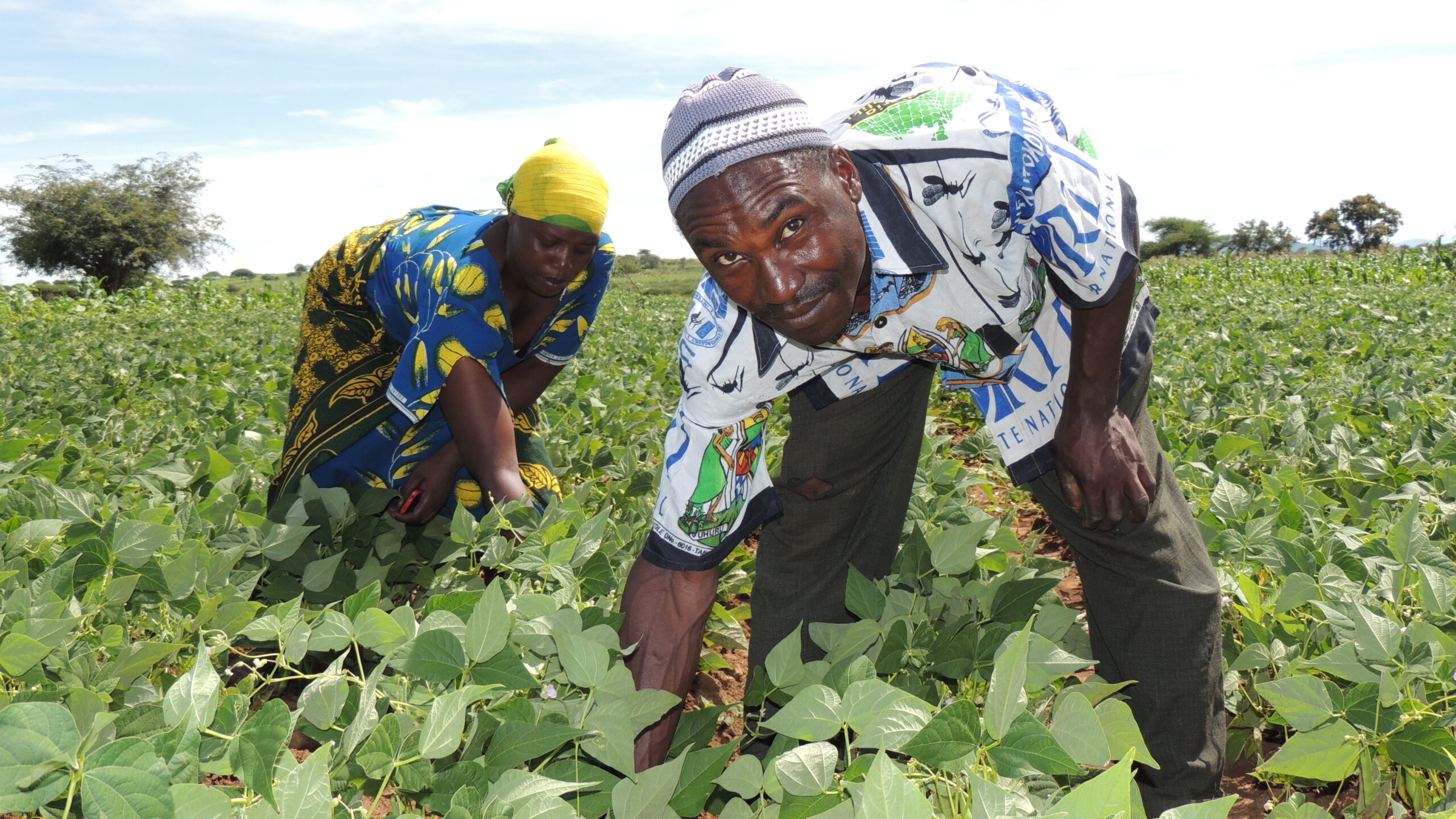
Transforming rural livelihoods: Lessons from the Africa RISING program
Improving smallholder farming systems in four countries.
-

How do food and fertilizer price spikes and volatility impact Central America and the Caribbean?
Analyzing transmission from global to local markets.
-
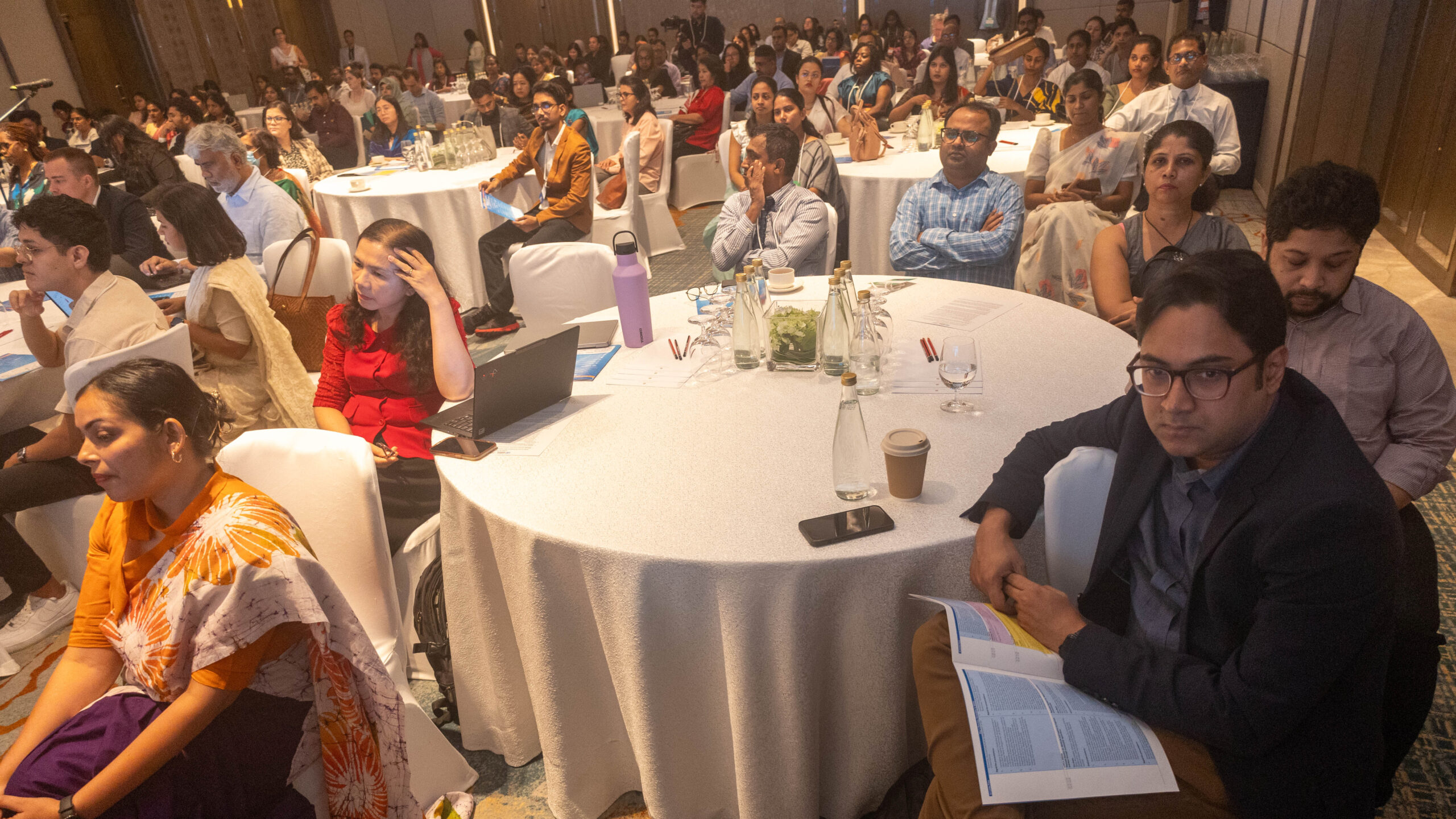
Delivering for Nutrition in South Asia 2024 Conference: Connecting the dots across systems
Exploring the interconnectedness of food systems.
-
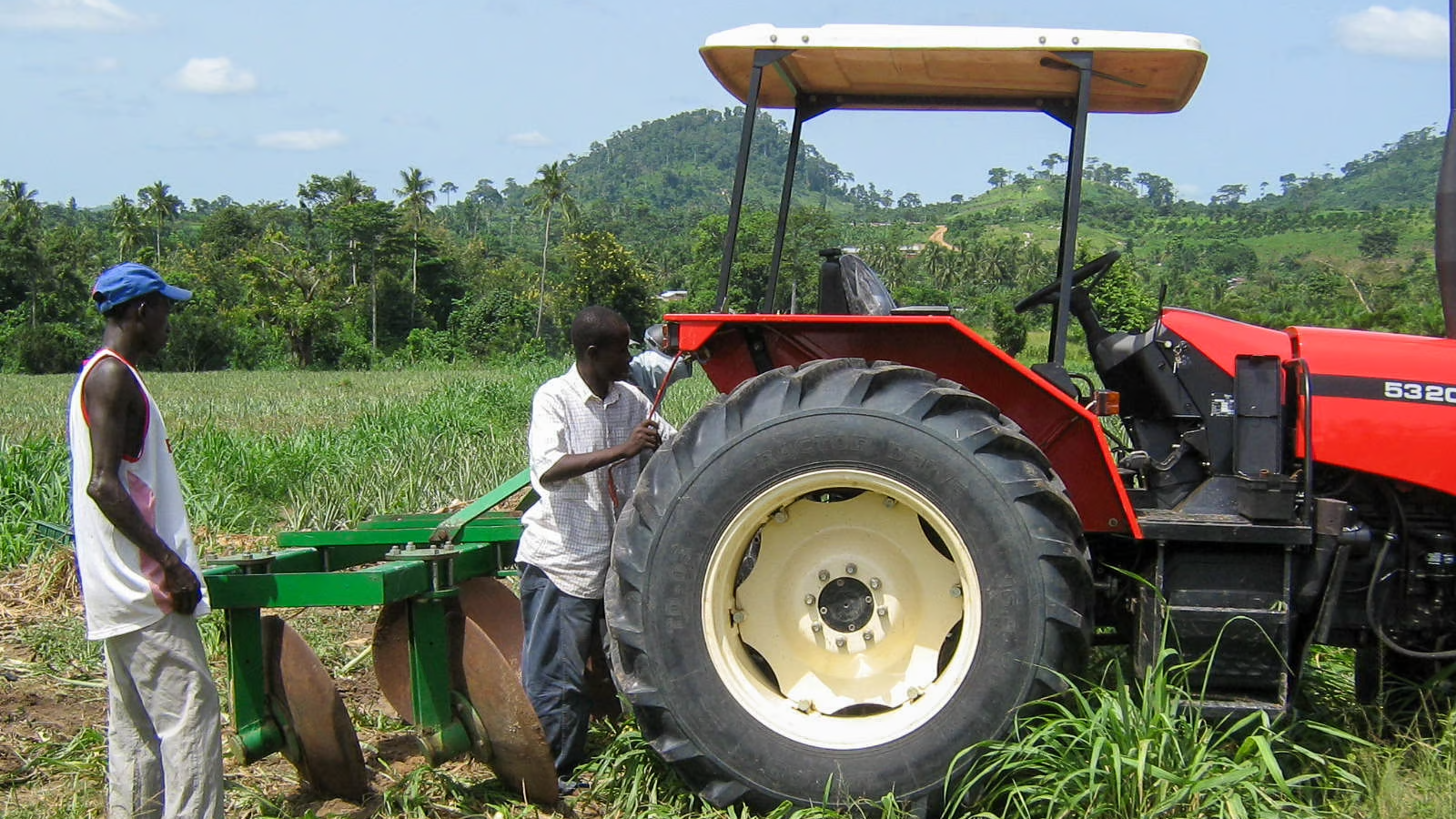
Making a Difference: How farmers in Ghana benefit from the Agricultural Mechanization Services Enterprise Centers Program
Making tractors accessible and affordable to smallholders.
-
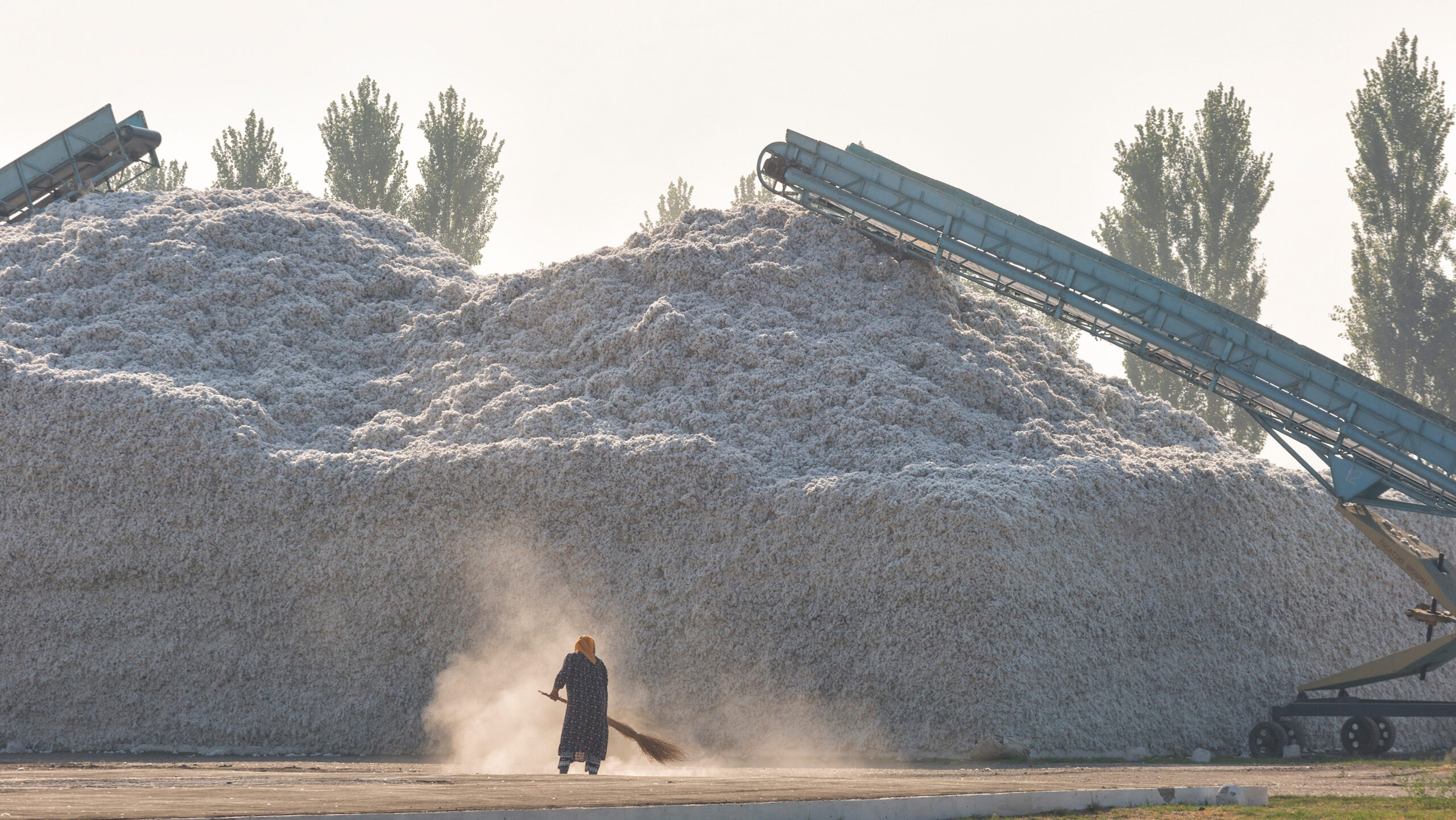
Policy change and farmer feedback: Does anonymity matter? Evidence from Uzbekistan
Gauging efforts to build water security.
-

The ECOWAS breakup: Implications for West African food security and regional cooperation
Facing the “Sahelexit.”
-
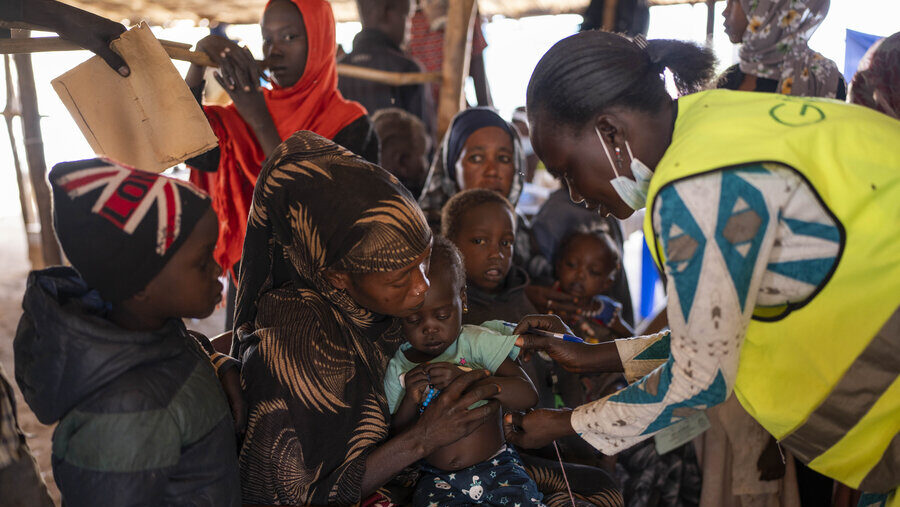
How conflict drives hunger: Six channels through the food system
A new research agenda.
-

The promise of digital farmer services: Sifting reality from hype in Kenya
Accelerating technology adoption.
-
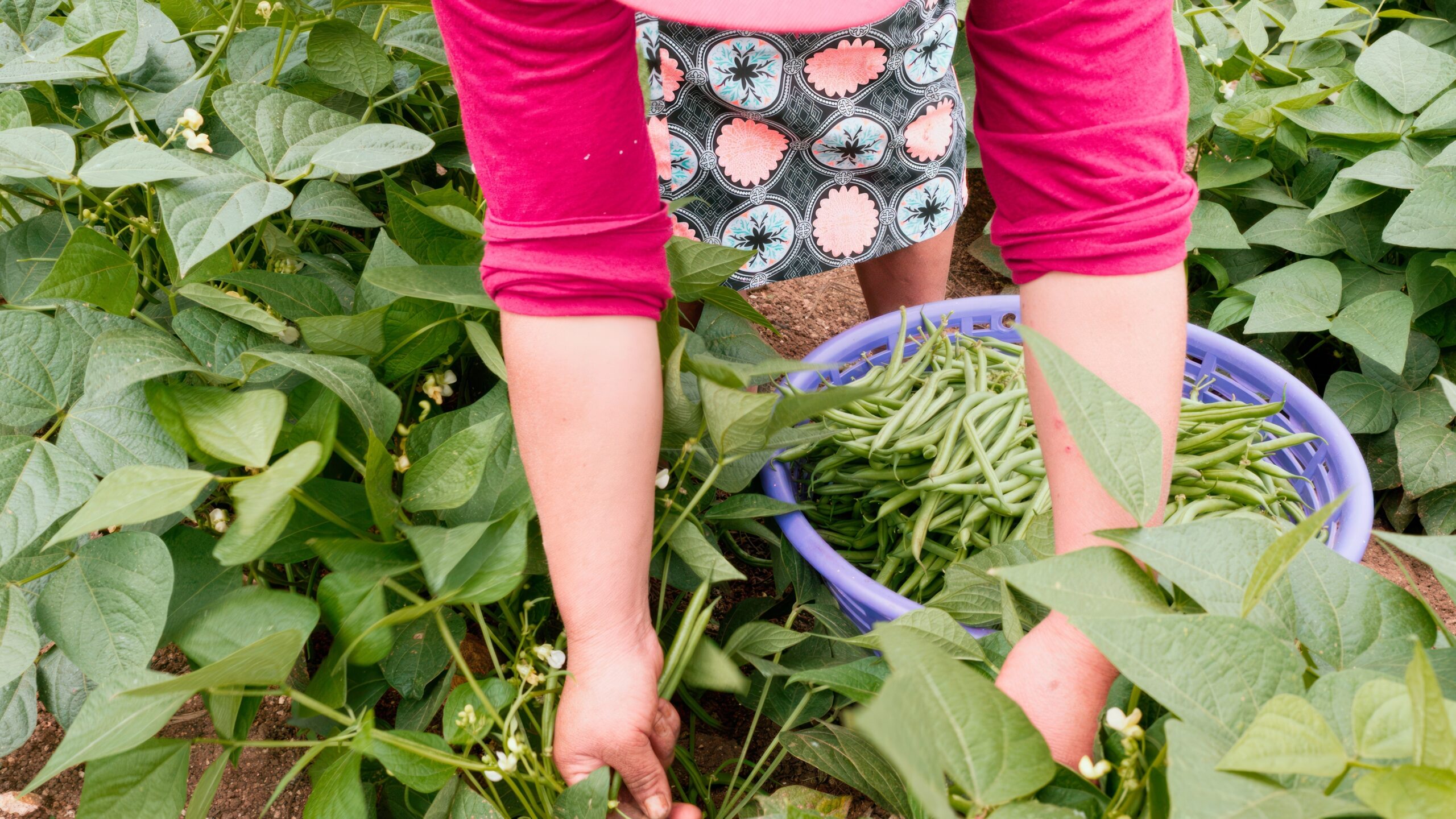
How U.S. tariffs might impact countries of Latin America and the Caribbean
The possible return of trade wars.
-
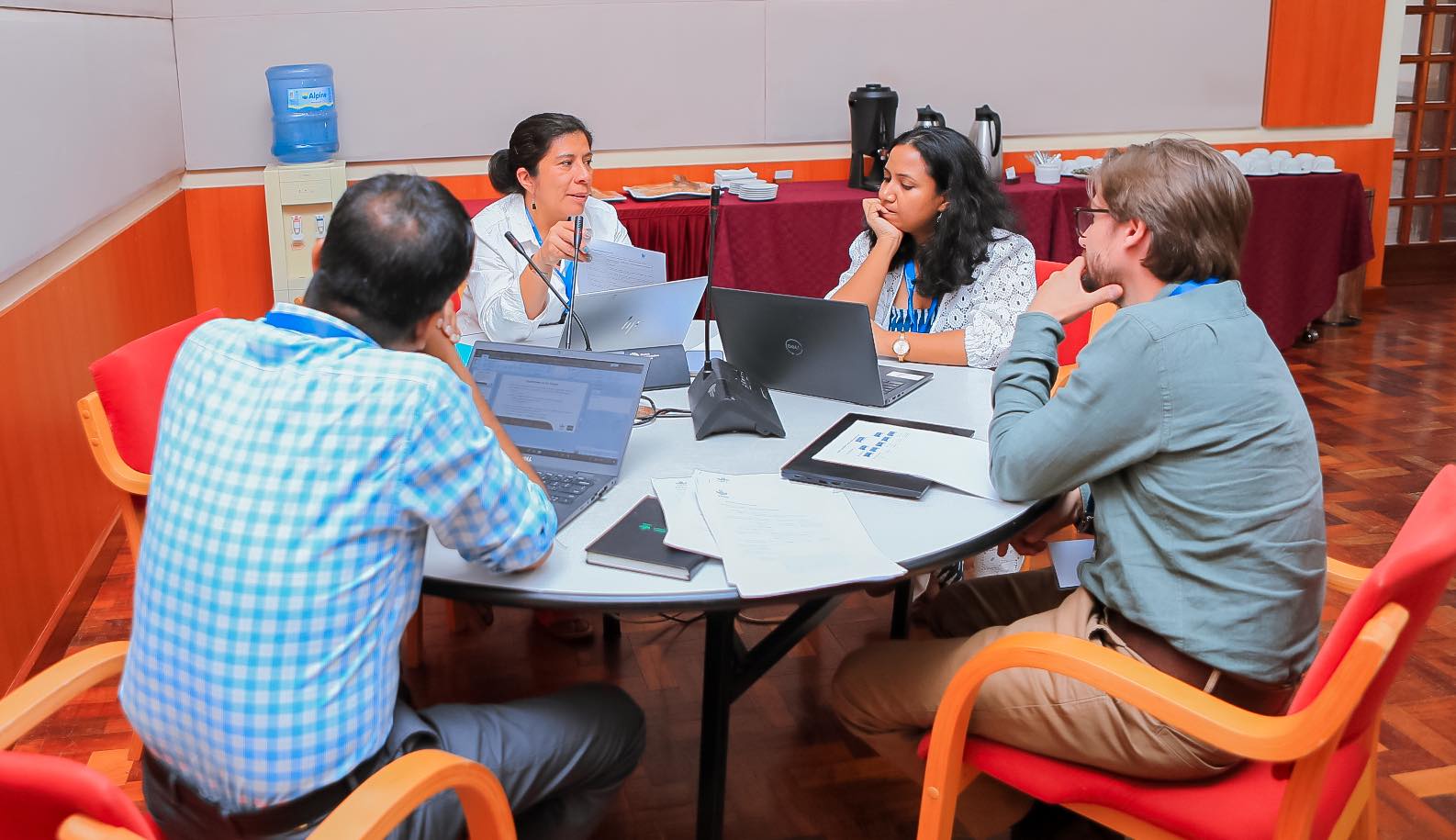
Workshop: Assessing on-the-ground impacts of genetic innovation in agriculture
A coordinated multi-country approach.
-

From space to soil: Advancing crop mapping and ecosystem insights for smallholder agriculture in Kenya
Using machine learning to track land use.
-

Trust the messenger? The role of AI transparency in policy research communication
Testing reader responses to chatbot- vs. human-written blog posts.
-

The wonder and importance of biological control in farming and agrifood systems
Prioritizing a key form of natural capital.
-
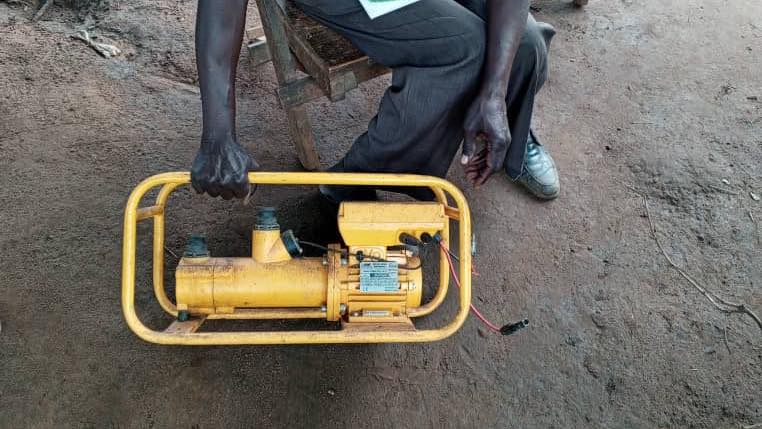
Strengthening Uganda’s solar pump subsidy program: Key challenges and solutions
Helping smallholders build water security.
-
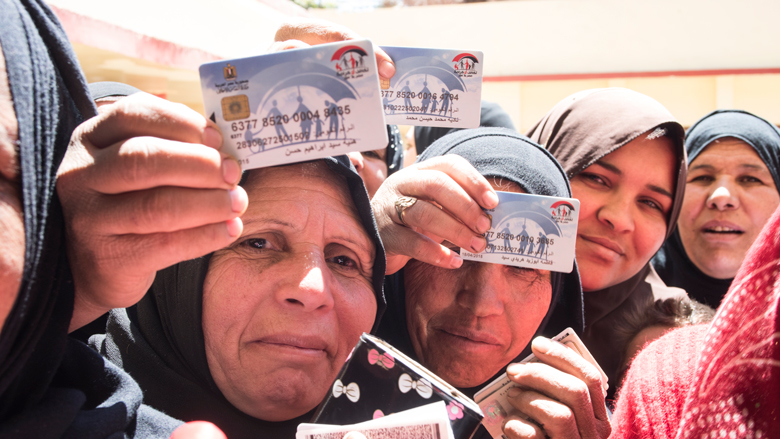
Takaful program: Giving Egypt’s poor a hand up, not just a handout
Assessing impacts of cash transfers.
-
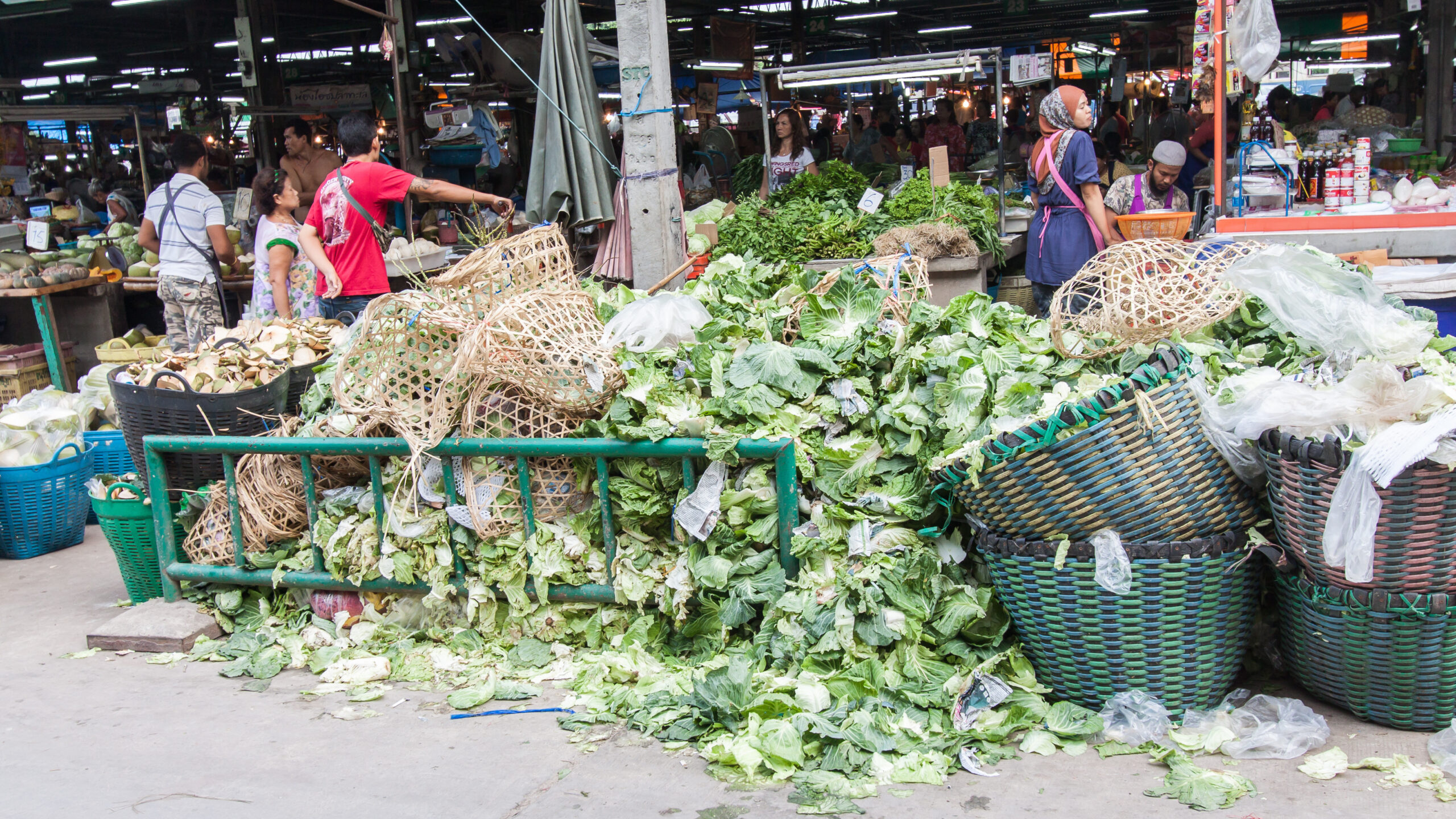
Borlaug Dialogue side event: Reducing food loss and waste to address climate change in Africa, Latin America, and South Asia
Managing value chains to reduce greenhouse gas emissions.
-
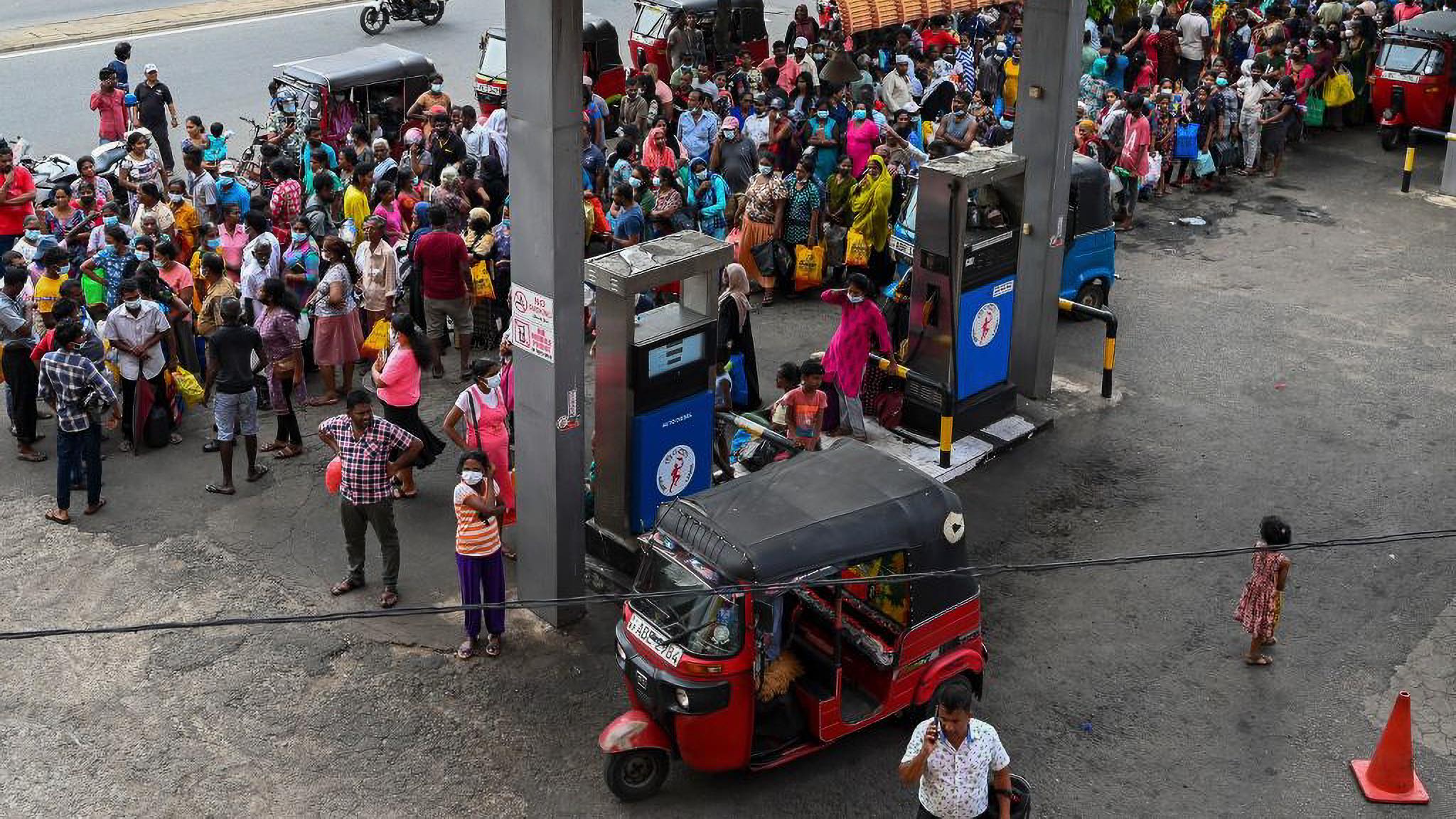
From crisis to recovery: How CGIAR’s BRIGHT Survey can catalyze evidence-based policy reforms in Sri Lanka
Research can shape a new government’s decision-making.
-
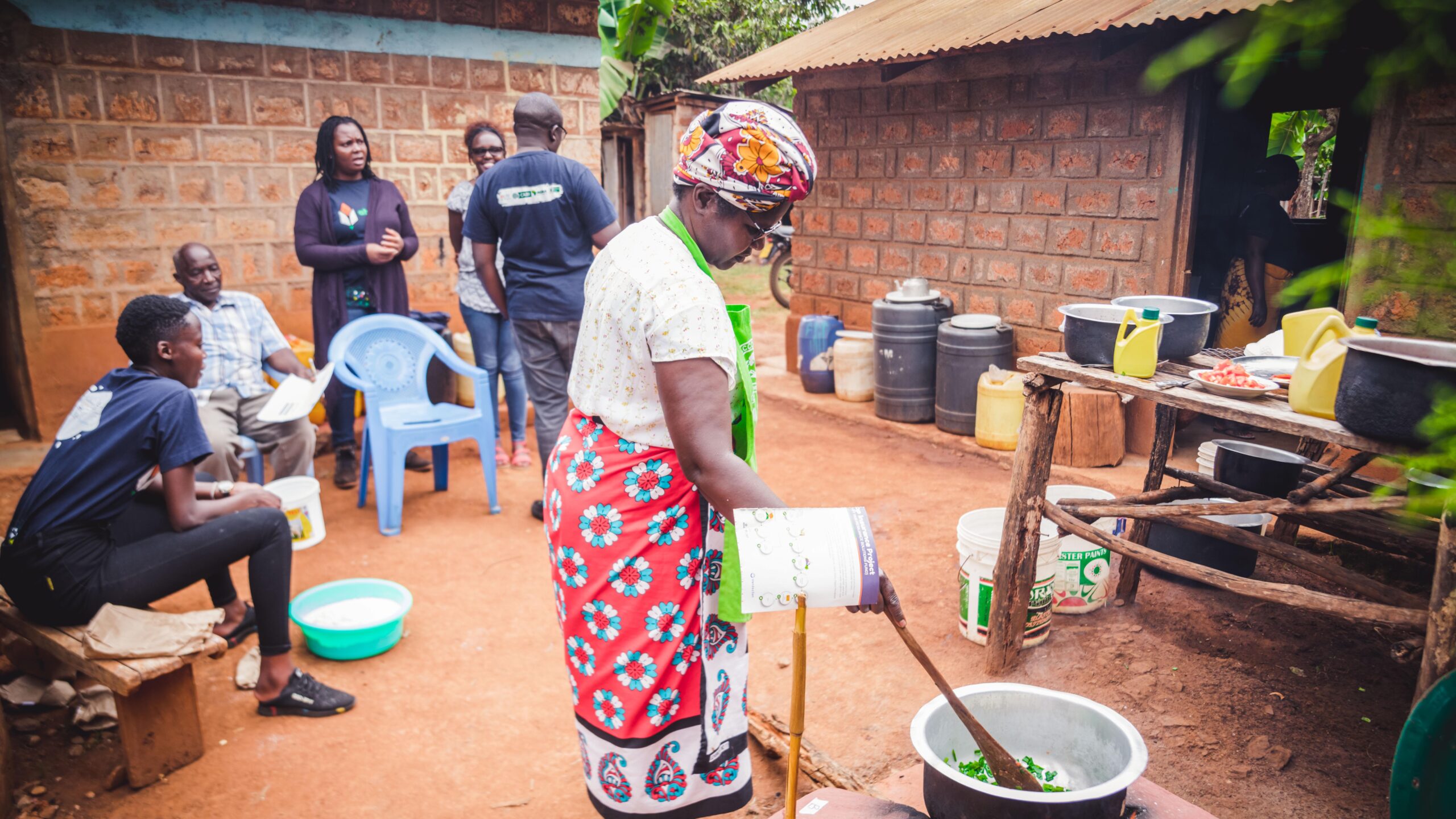
How we used coordinated trials and meta-analysis to evaluate interventions to increase varietal turnover
Assessing impacts of a multi-country project.
-
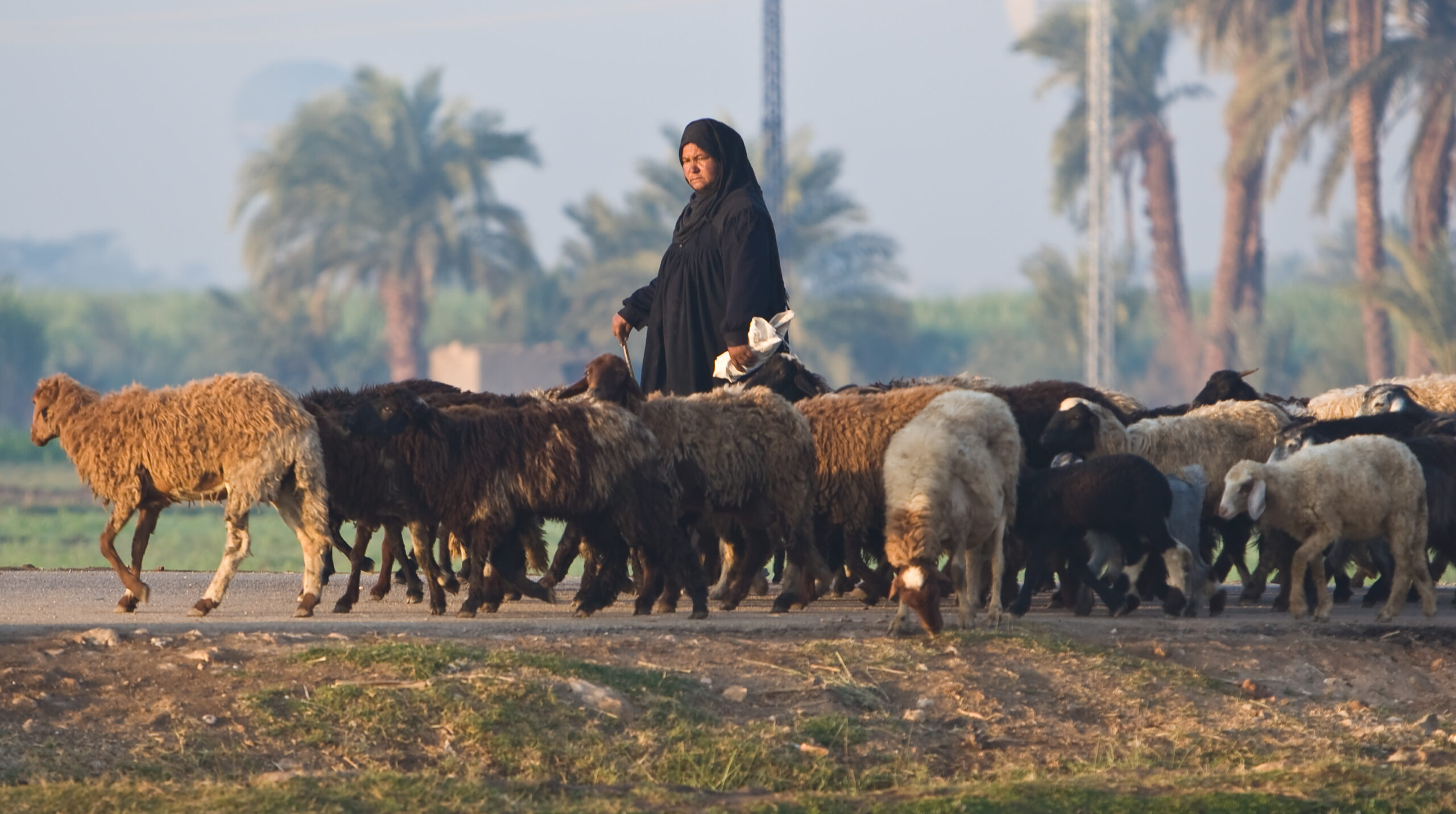
Egypt’s experience bridging cash transfers and an economic inclusion program for sustainable social protection
A path for moving out of poverty.
-
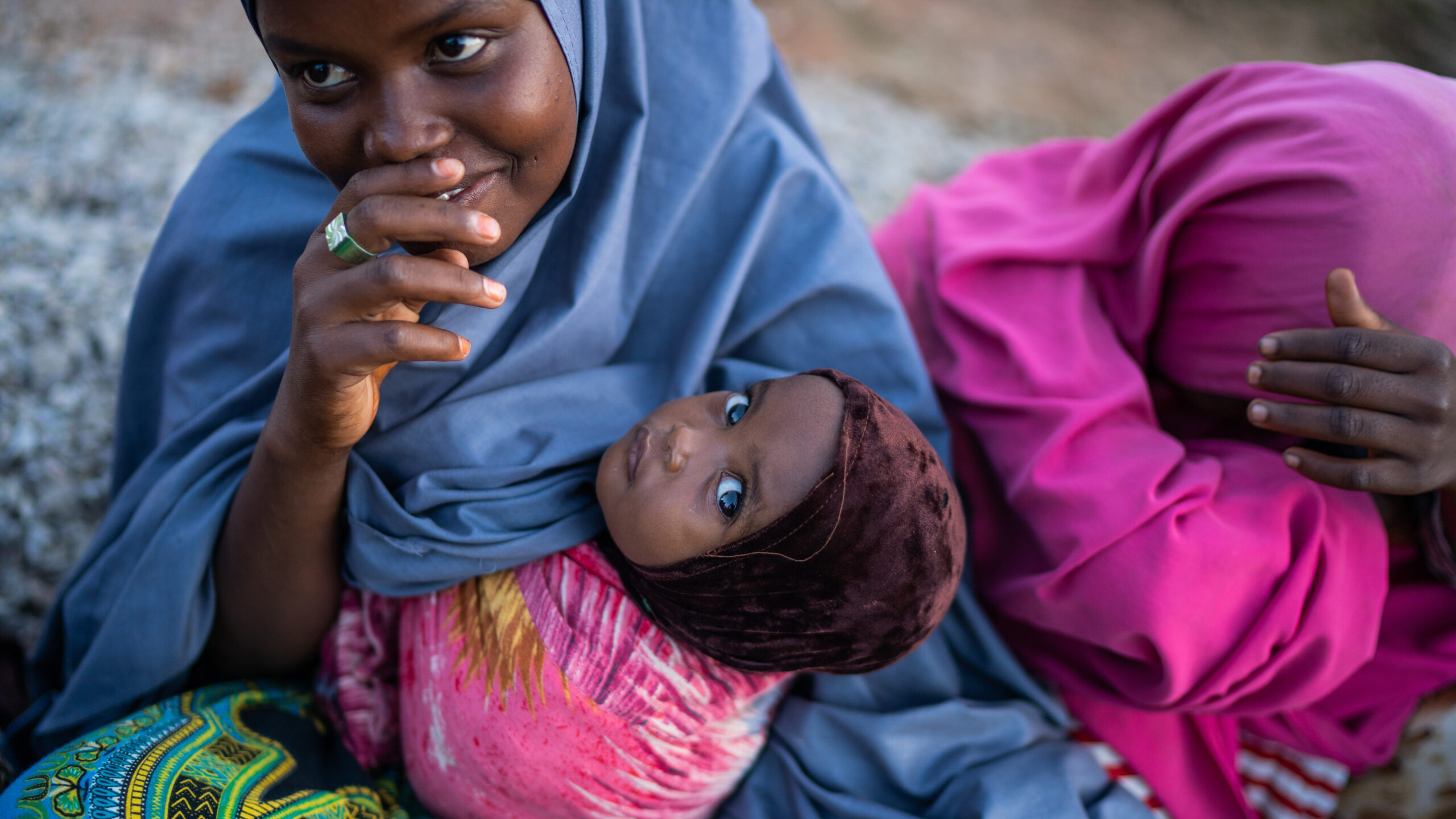
Graduation from poverty: Can a big push program help conflict-affected households? Evidence from Somalia
Moving from assistance to self-sufficiency.
-
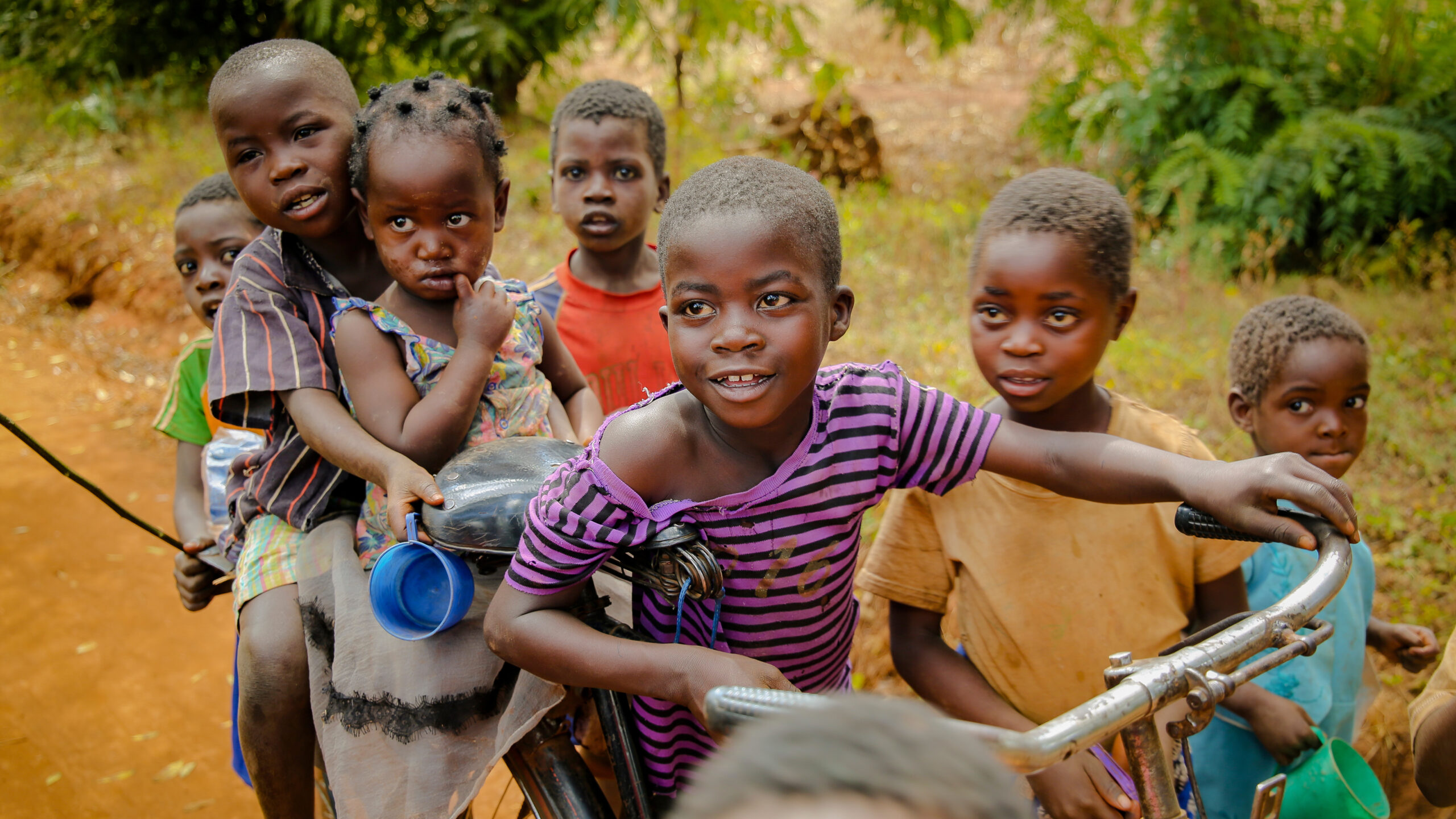
When school overlaps with farming: Measuring reduced educational advancement and simulating solutions in Africa
The social costs of calendars.
-
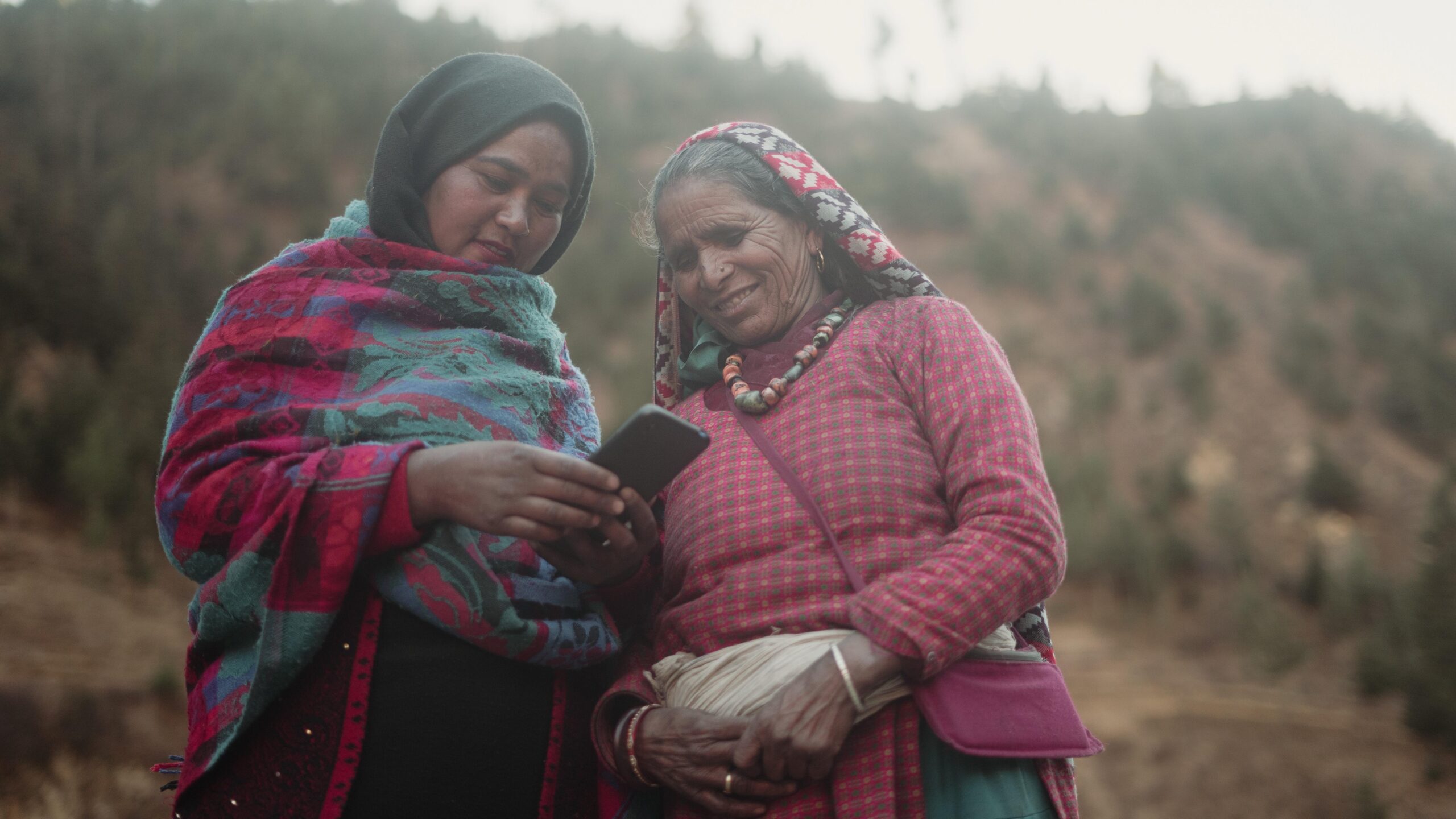
How anticipatory action can empower women in disaster-prone areas
How assistance programs can catalyze improvements in gender equality.
-
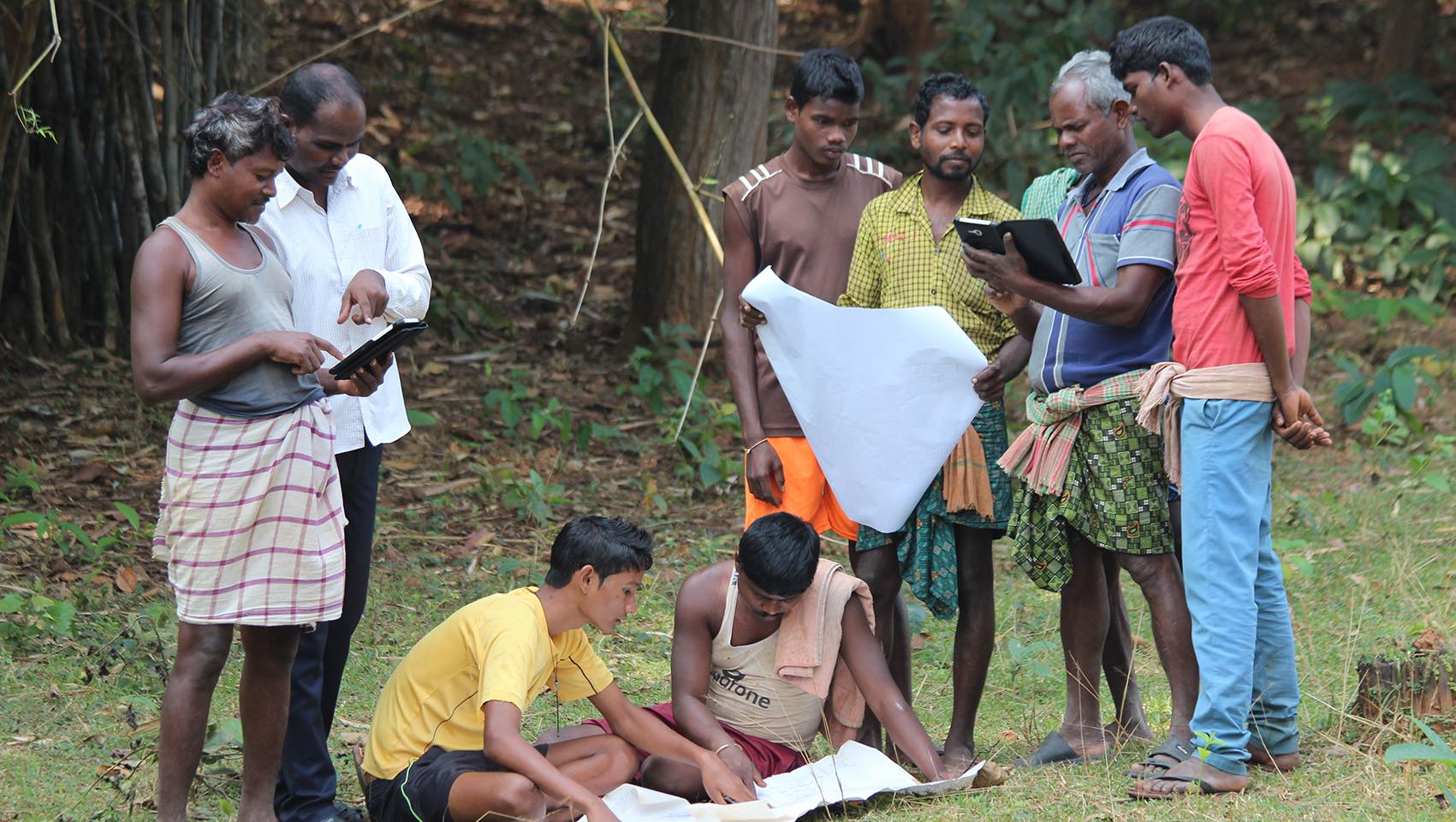
Six synergies to consider for groundwater governance
Advantages of “both/and” solutions.
-
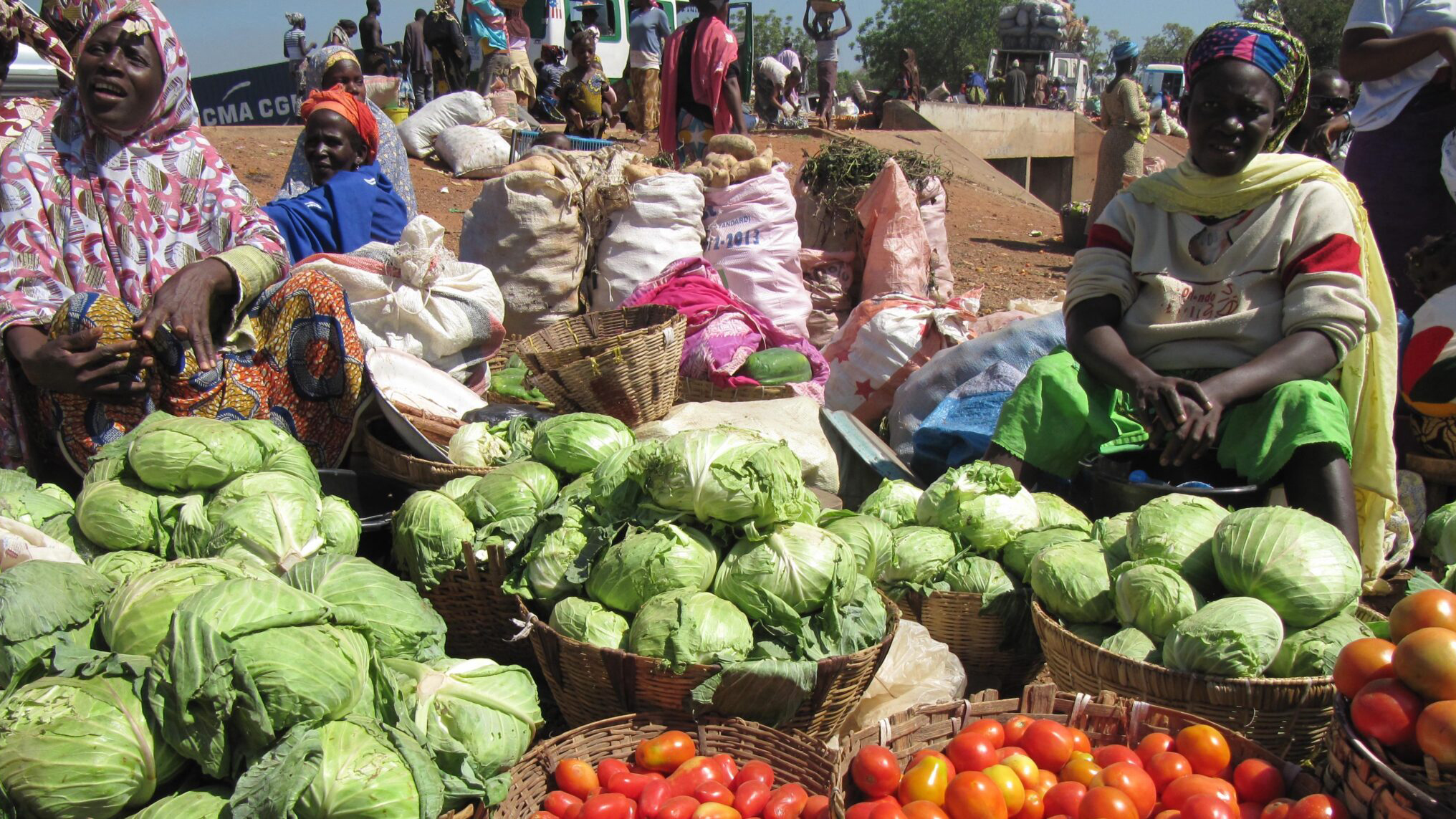
A shock to the (food) system: Using new IFPRI tools to evaluate household food security outcomes
Simulating impacts of crisis and responses.
-
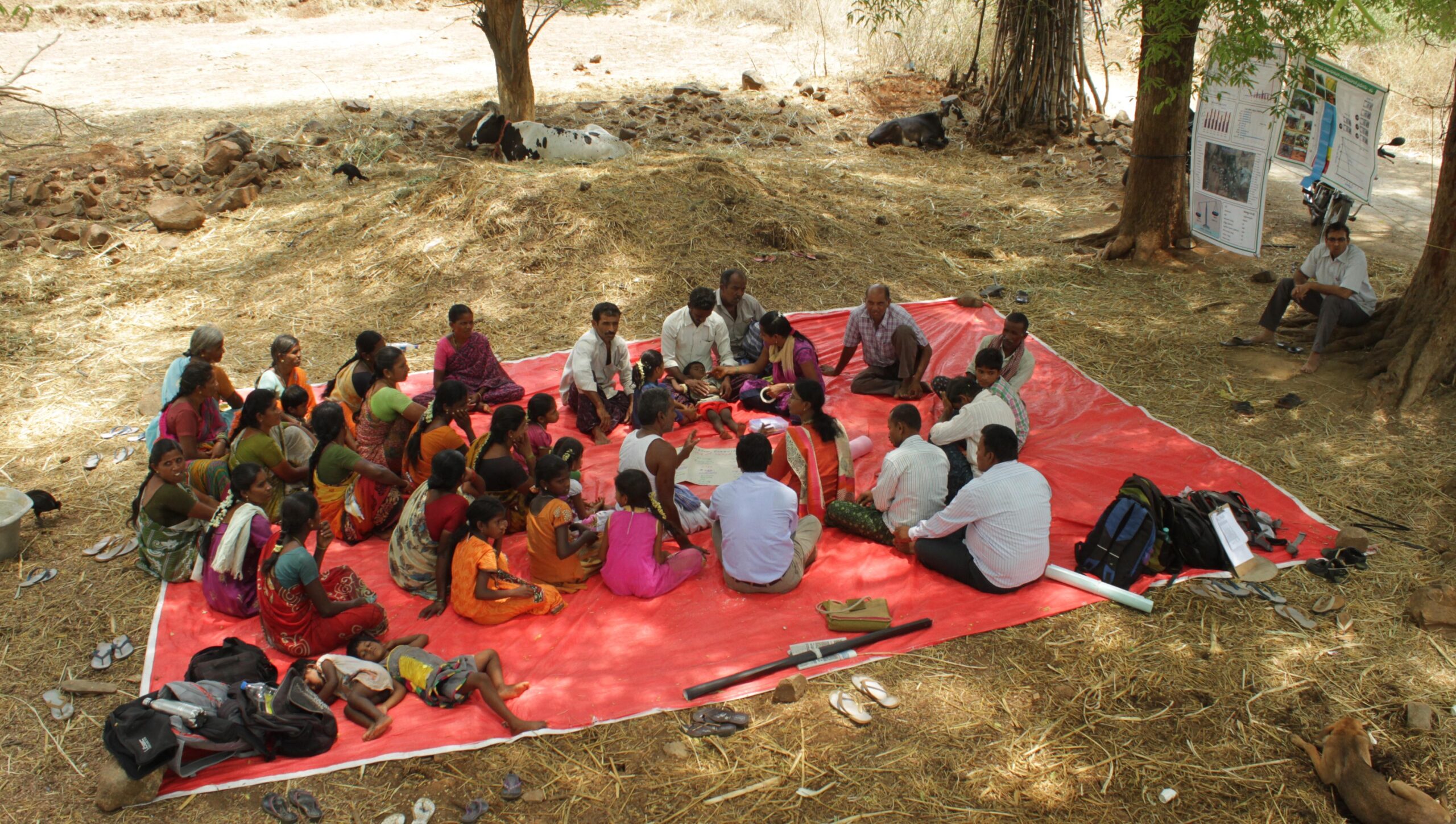
Knowledge, motivation, and agency for groundwater governance
Collaborative approaches for a fragile resource.
-
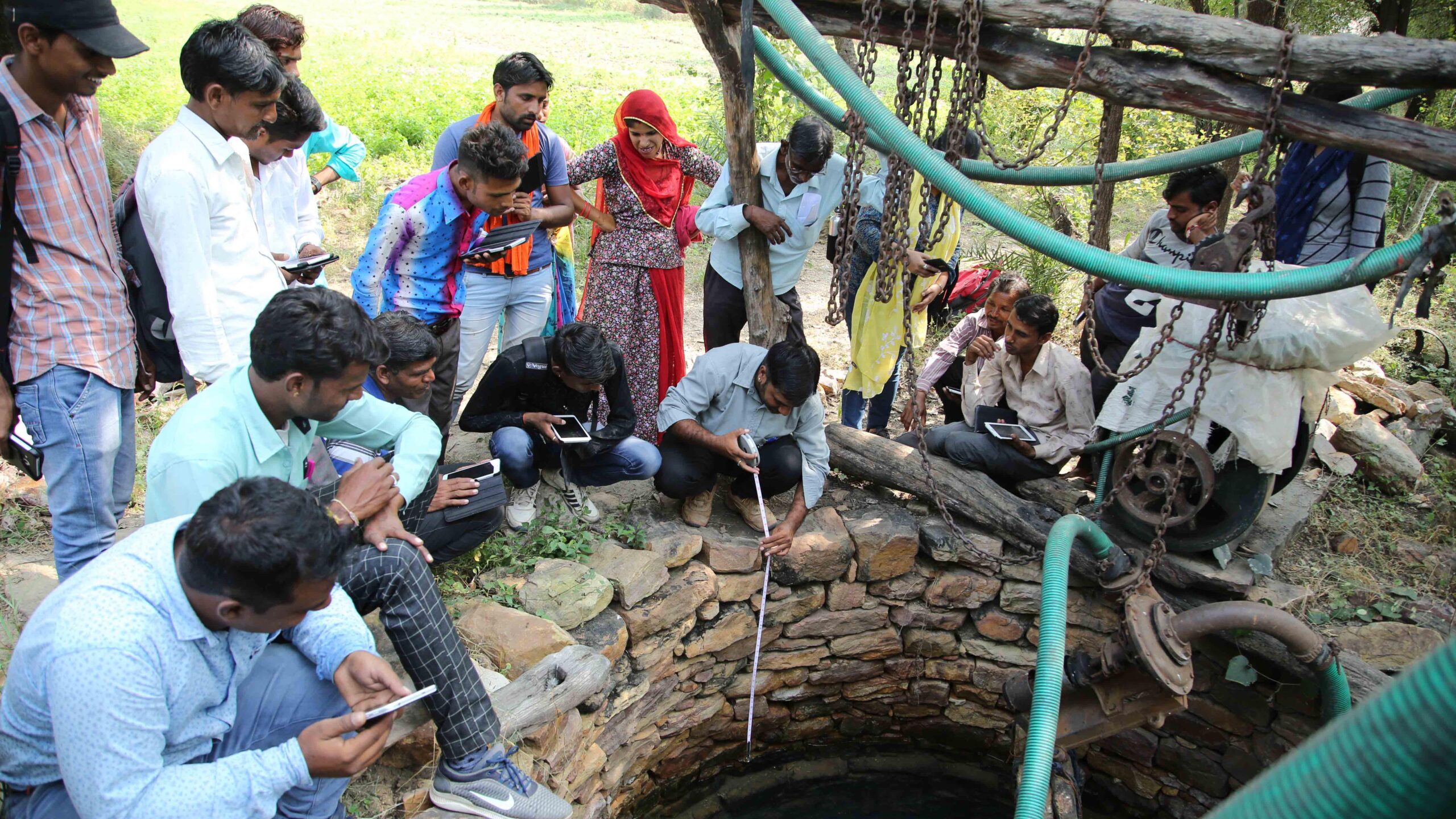
Combining an array of approaches for systemic behavior change in groundwater governance in India
Enabling collaboration in and across communities.
-
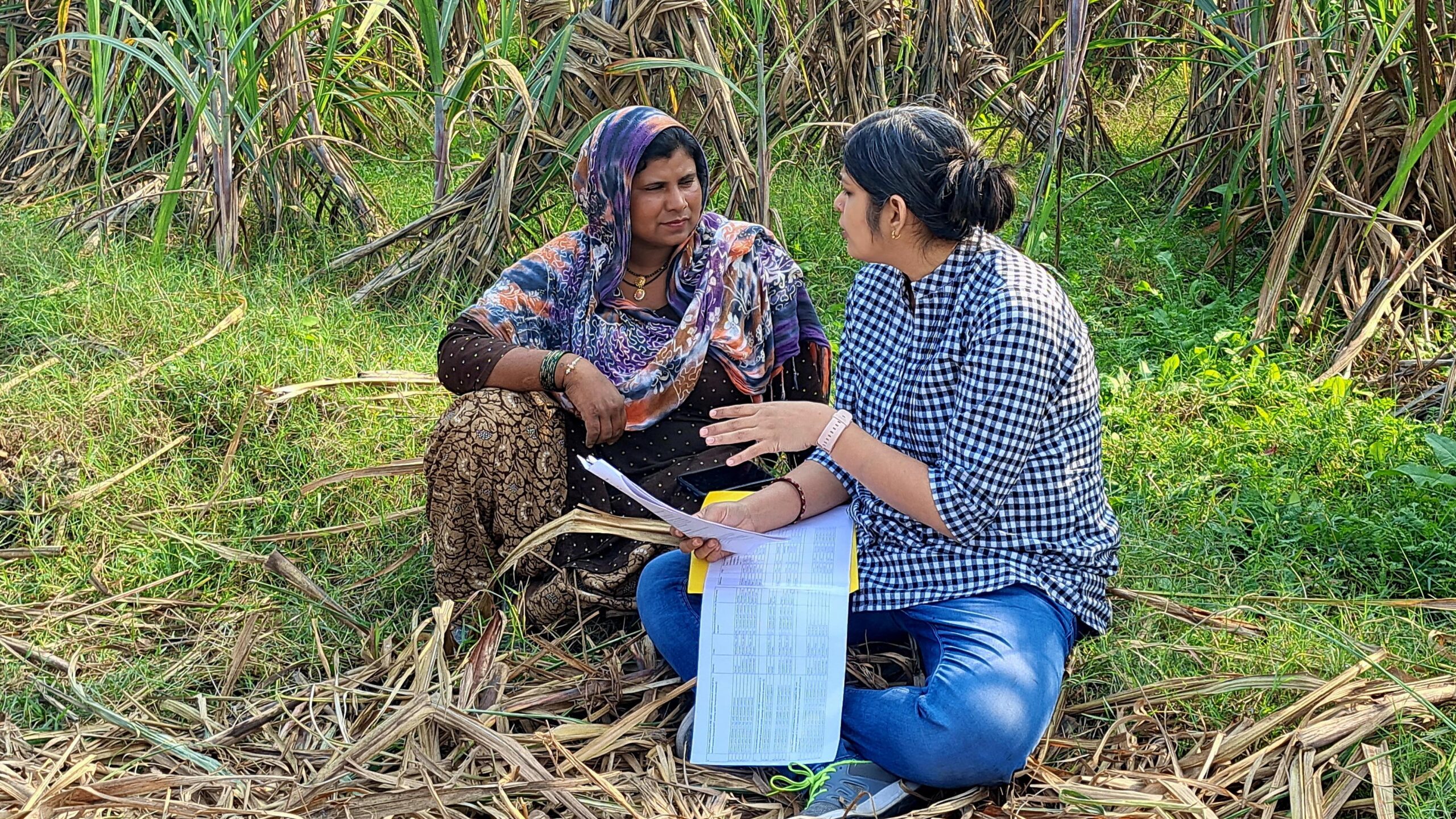
How men and women cope with weather-related agricultural production risk: A case study of cereal and tomato farmers in Haryana, India
Addressing gender differences to build resilience.
-
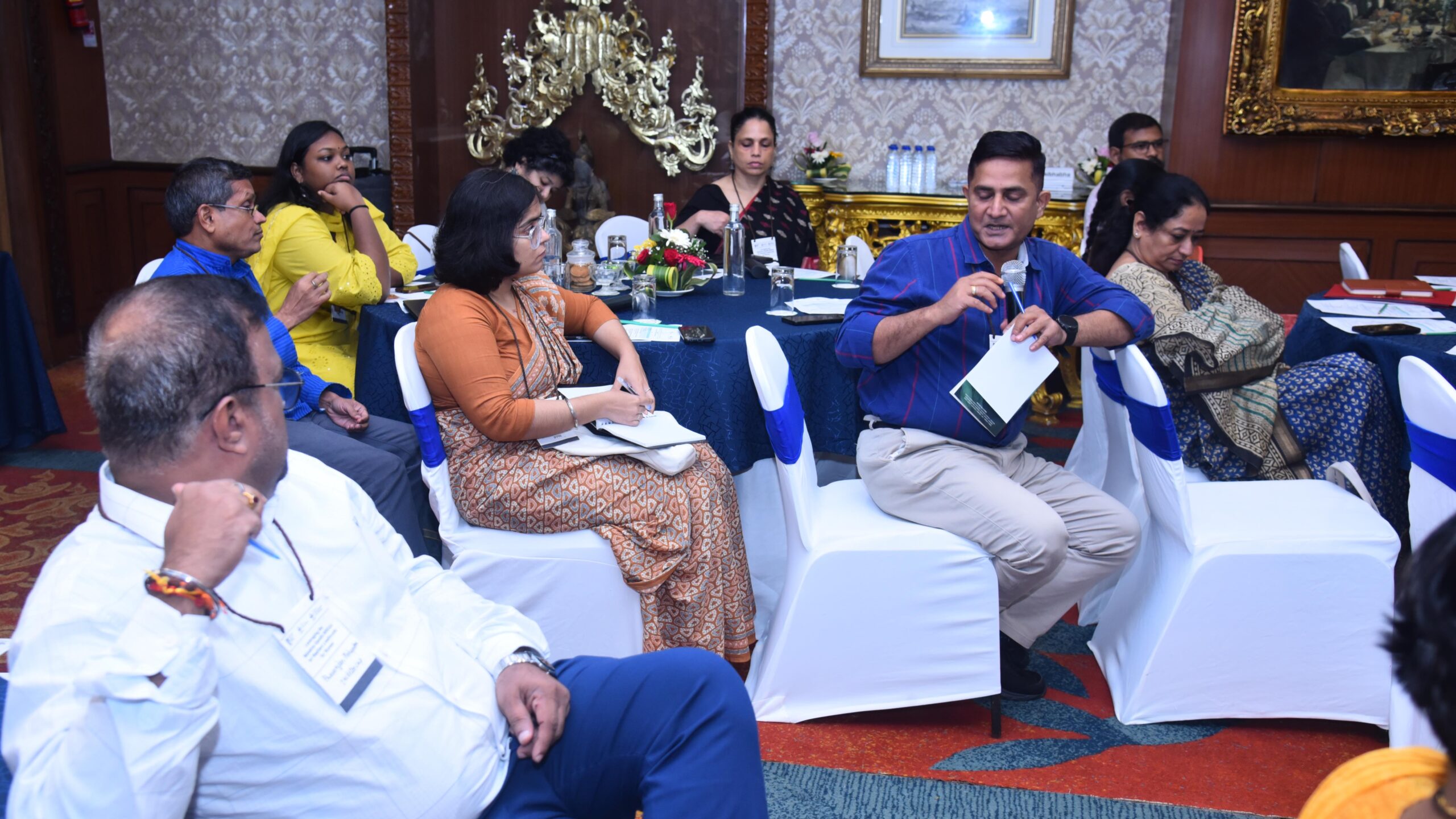
Workshop: Coming together to leverage India’s national workfare program for resilient livelihoods for women
Ways to improve the Mahatma Gandhi National Rural Employment Guarantee Act (MGNREGA).
-
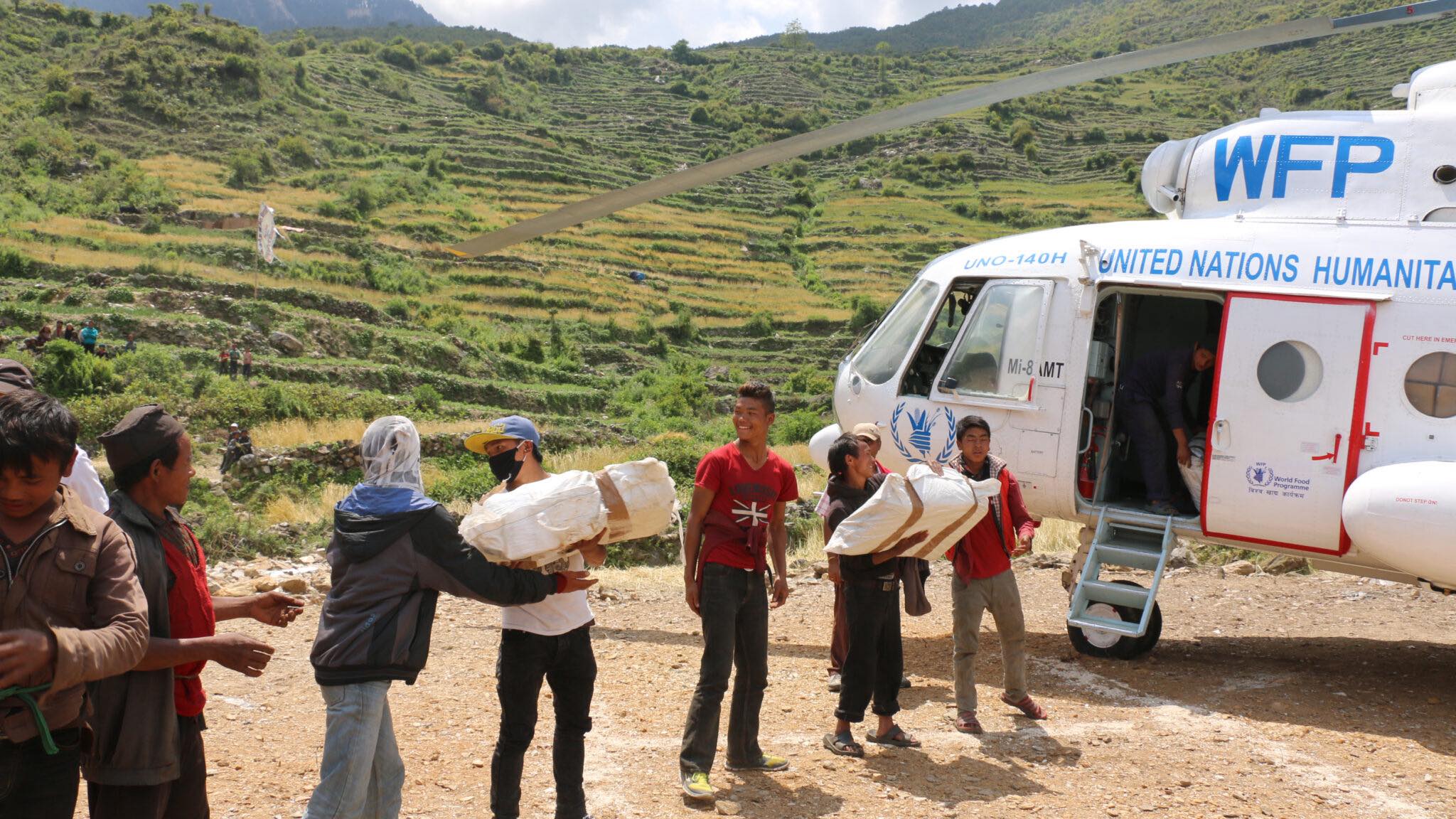
Podcast discussion: Partnerships as the path to stability in fragile settings
Bridging science and policy for effective humanitarian action.
-
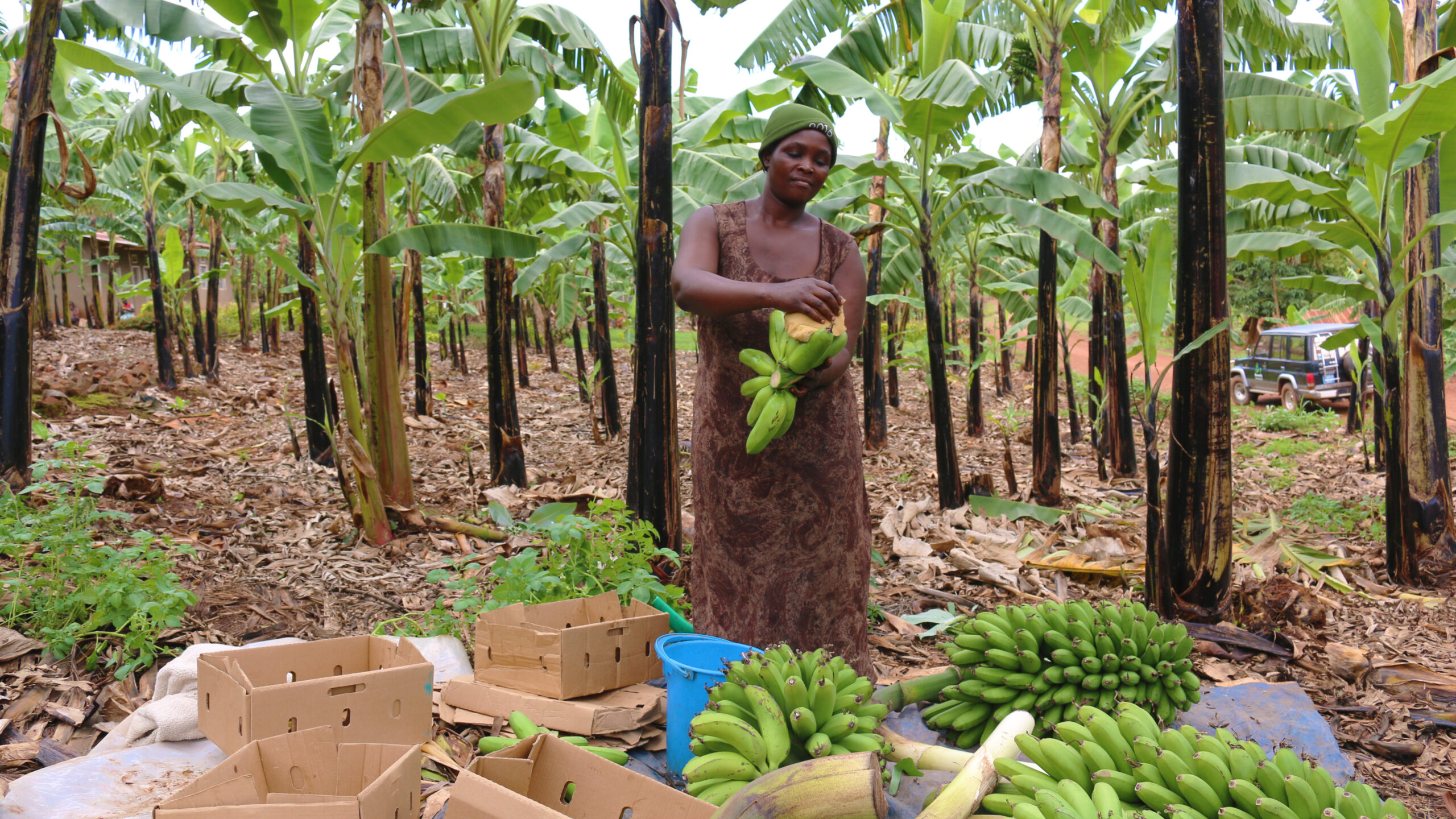
Africa Food Systems Forum Summit 2024: Advancing gender equality and nutrition for sustainable agriculture
Building equity into food systems.
-
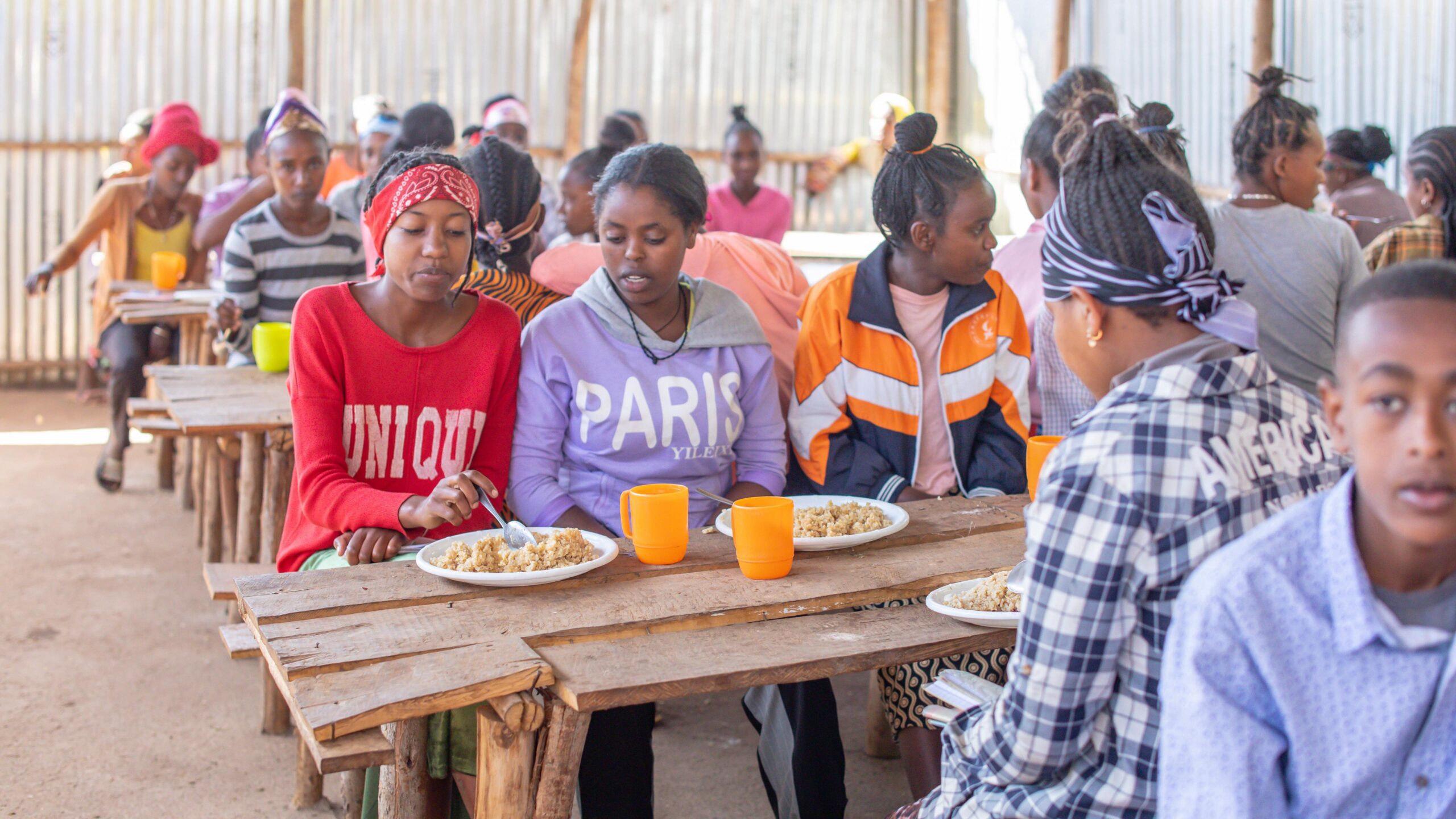
The impact of innovative evidence-to-policy approaches on accelerating nutrition-related SDGs: Can the NiPN model lead the way?
Bridging the gap between research and policymaking.
-
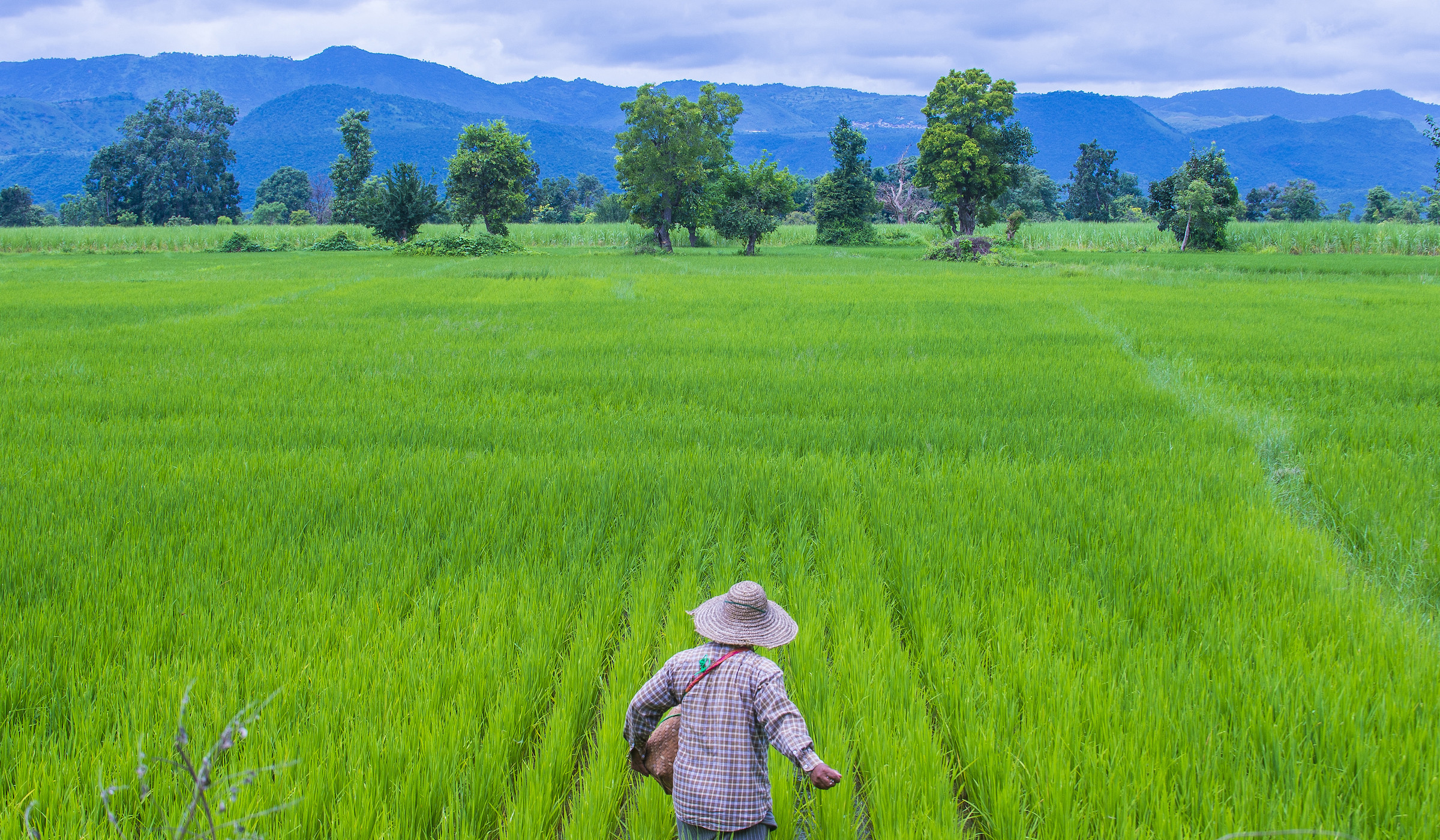
Resource-poor rice farmers in Myanmar suffer double impact from political conflict
Productivity erodes amid turmoil.
-
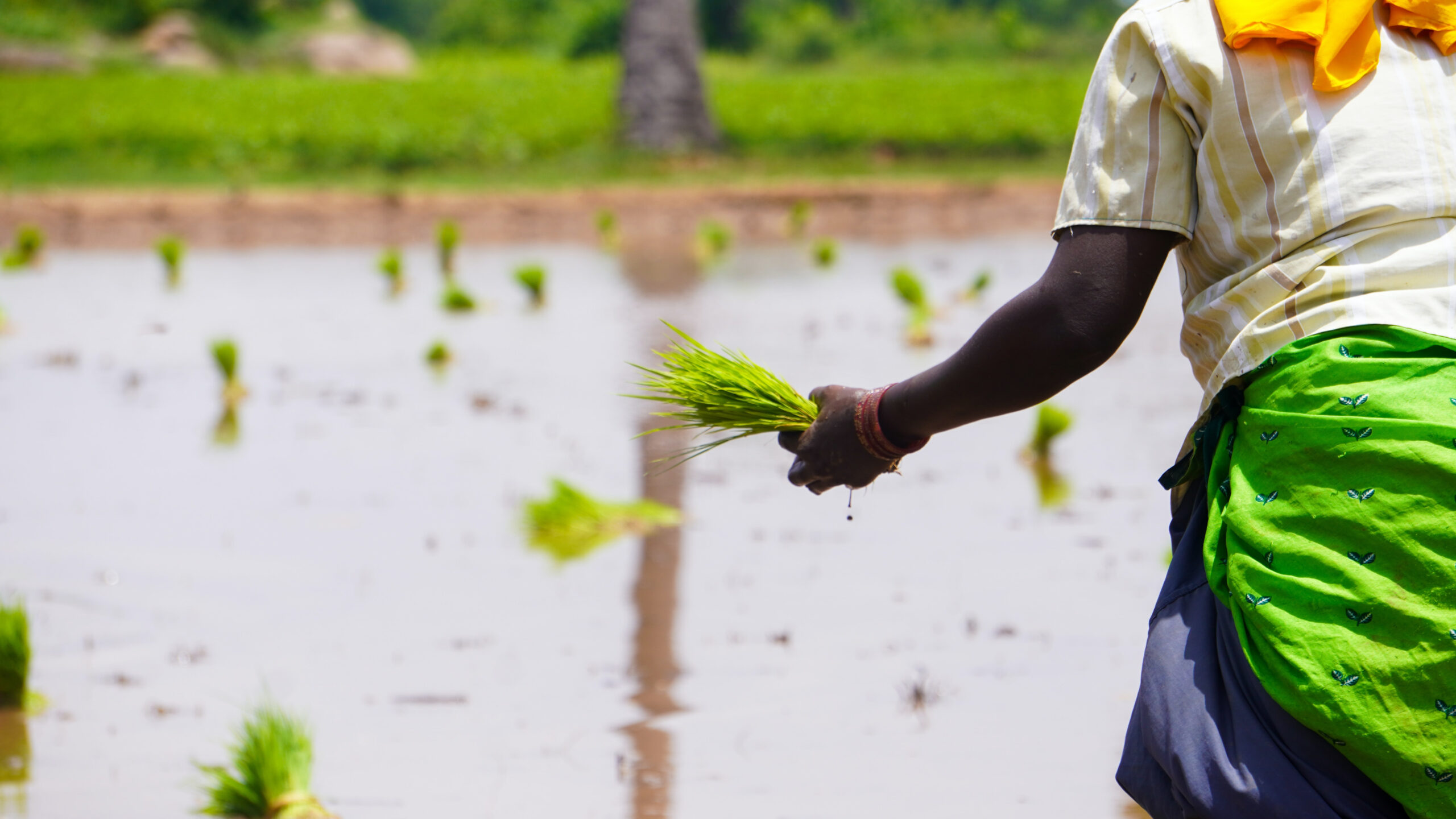
India lifts export restrictions on rice
Assessing impacts on global markets and African consumers.
-
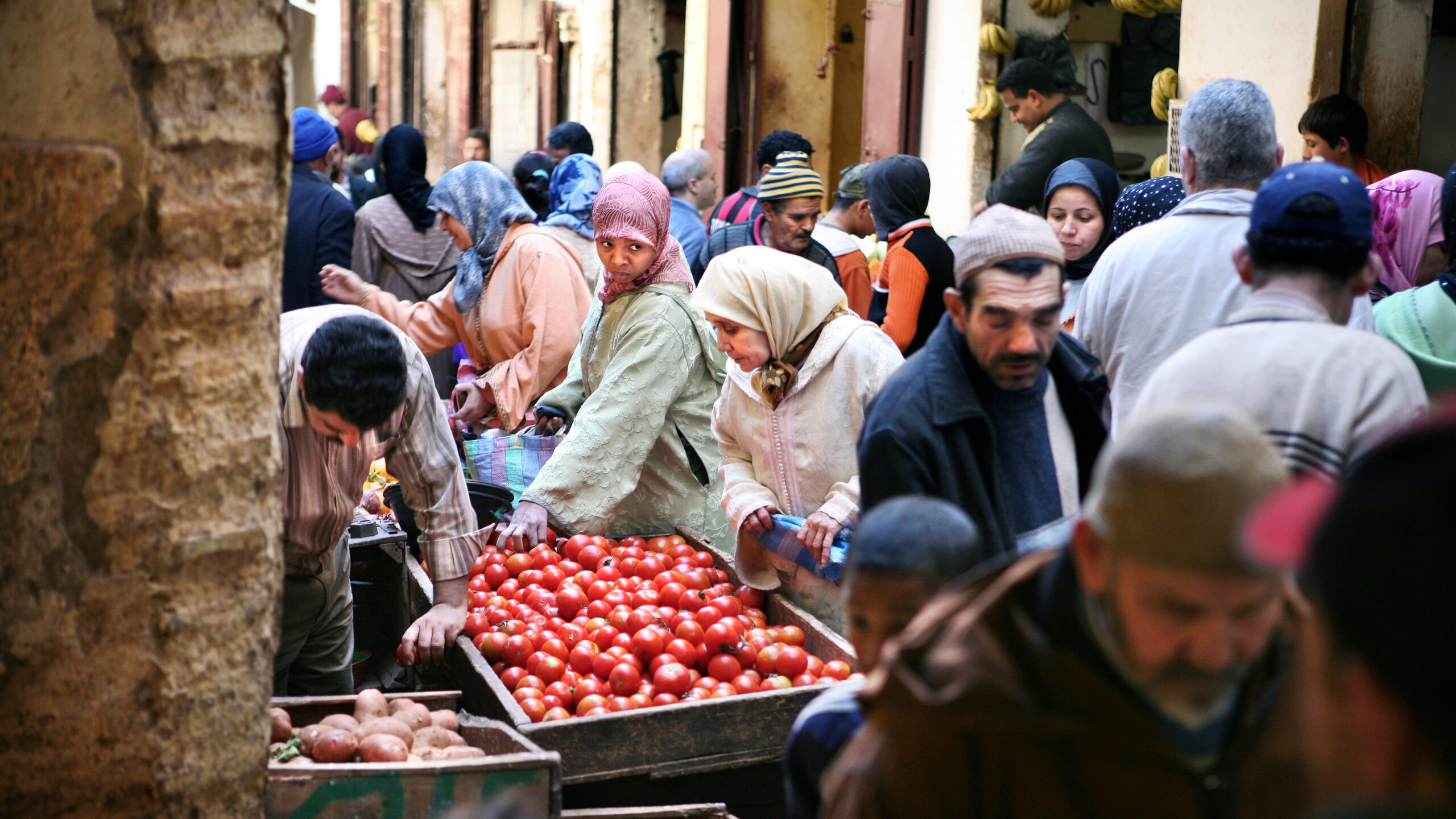
Global Food Policy Report 2024: Leveraging plant-source foods for sustainable healthy diets
Integrating more fruits, vegetables, and other high-quality crops into food systems.
-
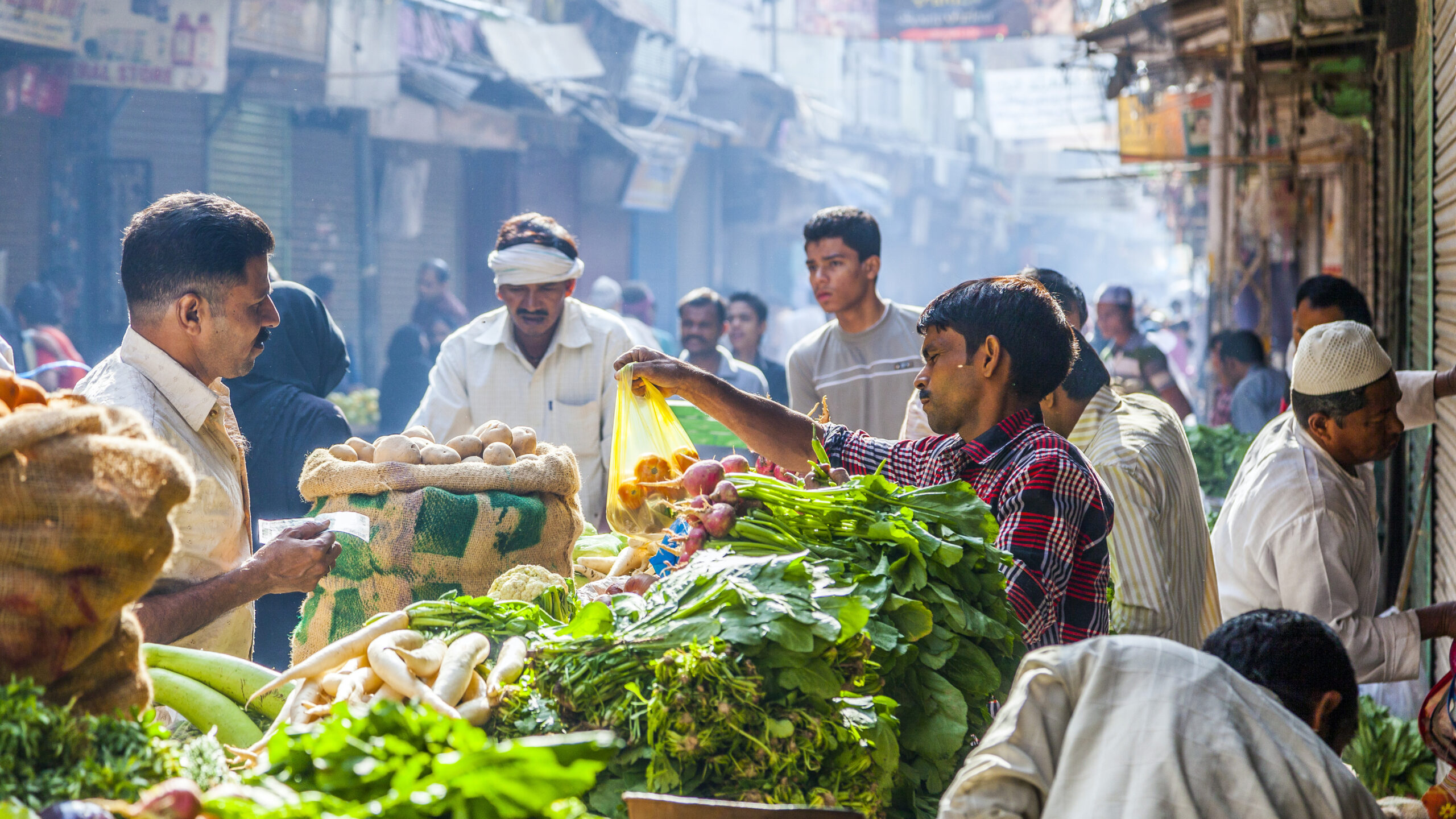
World Cities Day 2024: Building more inclusive, sustainable, and resilient urban food systems
IFPRI researchers on urbanization.
-
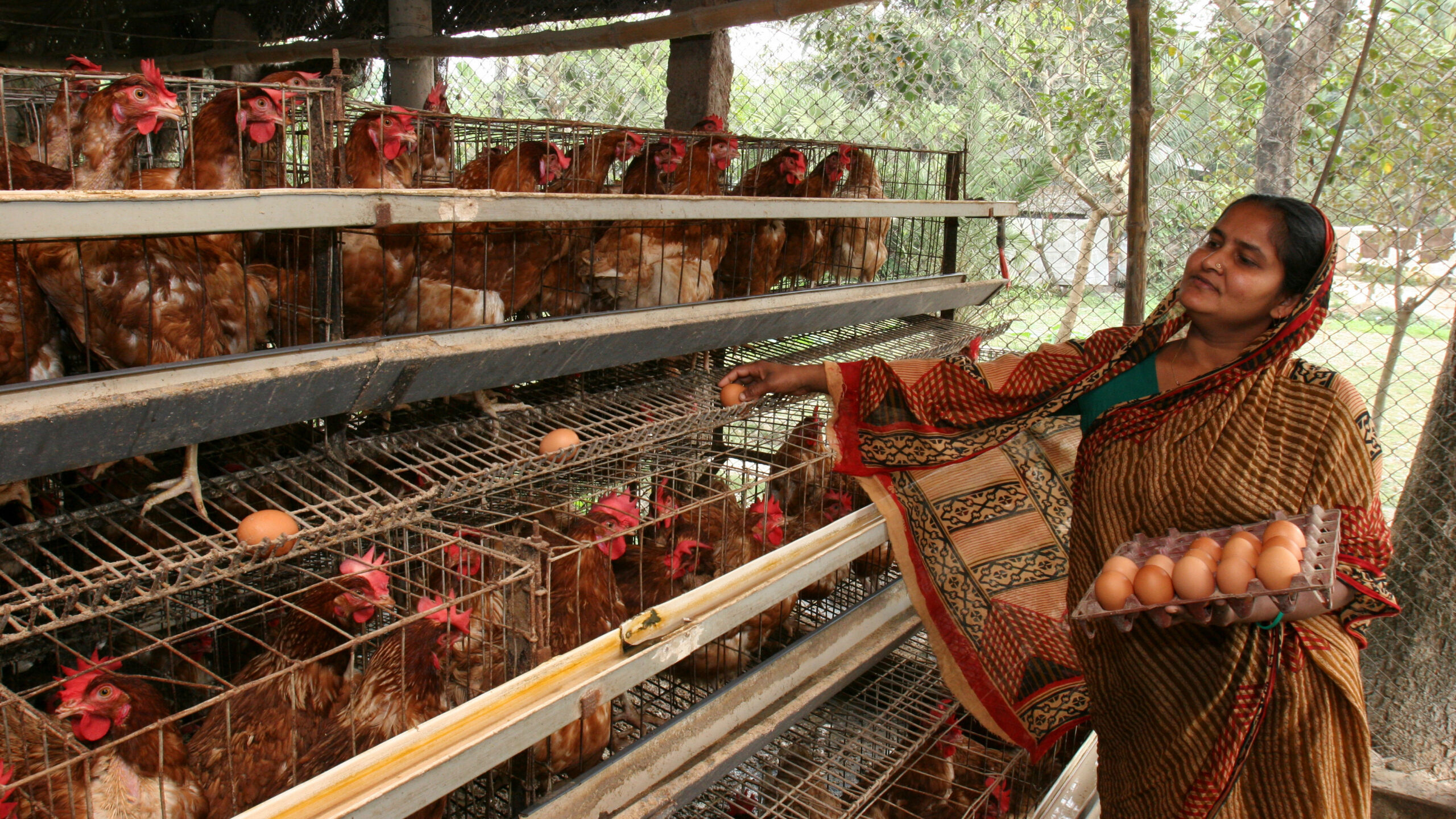
Achieving women’s empowerment beyond income and asset increases: What do we still need to know?
How development organizations think about gender.
-

Unleashing the potential of Generation Z for food system transformation in Africa
A new research agenda.
-
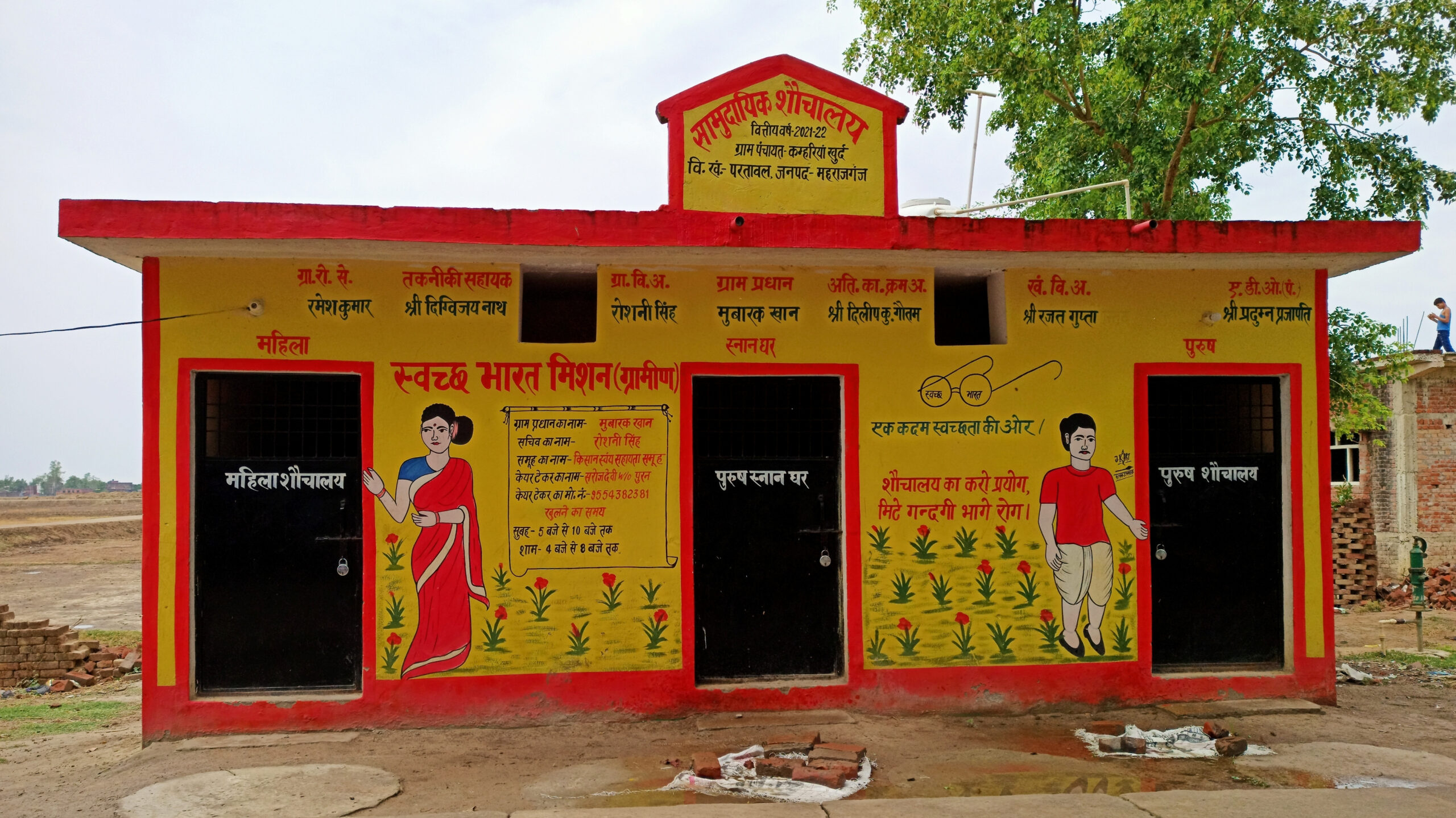
Comprehensive sanitation in India: Despite progress, an unfinished agenda
Building on improvements in Infant mortality.
-
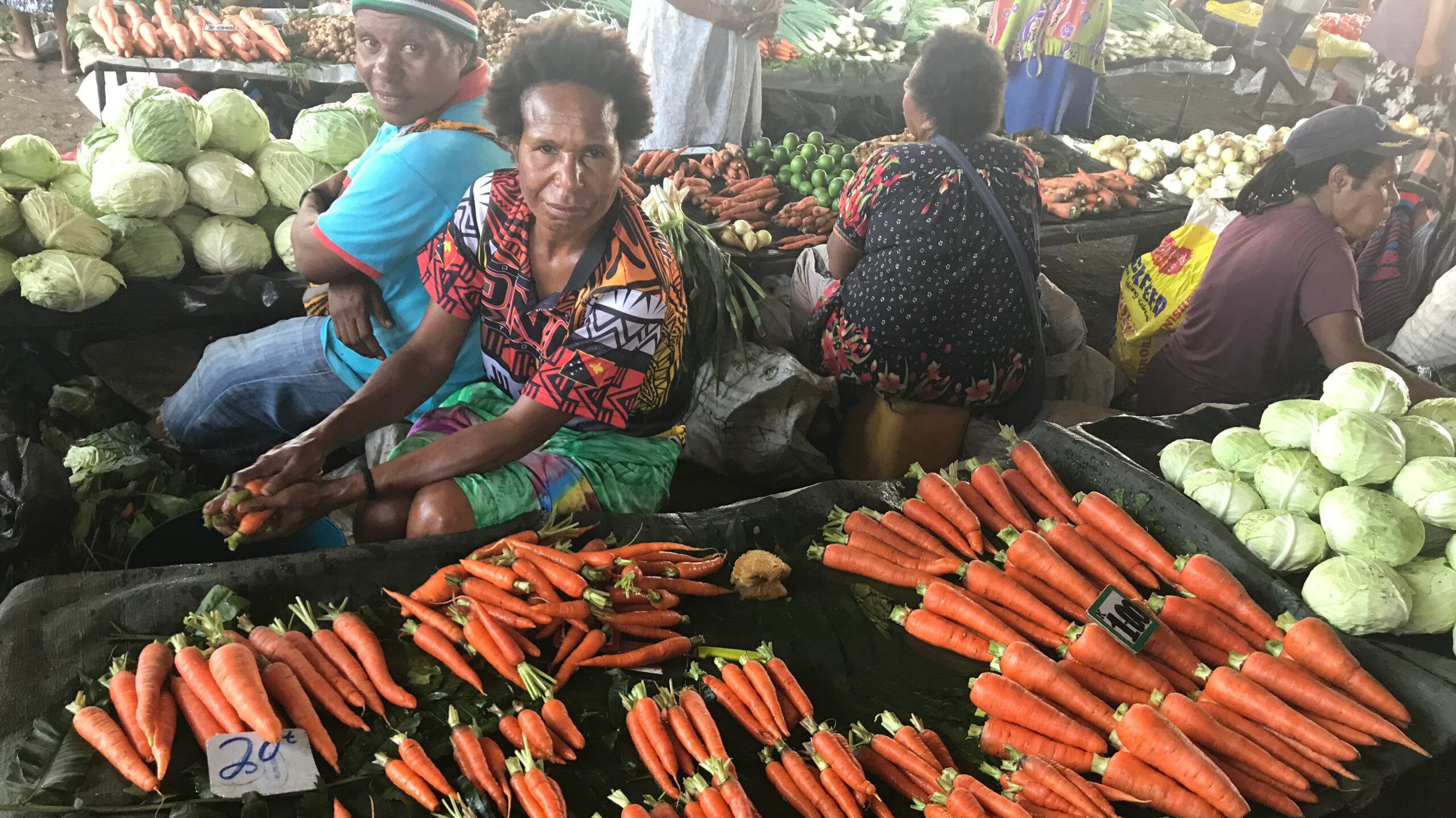
Survey: Rural Papua New Guinea faces an array of food security challenges
Starch-heavy diets, the reach of extension instruction, and other issues.
-
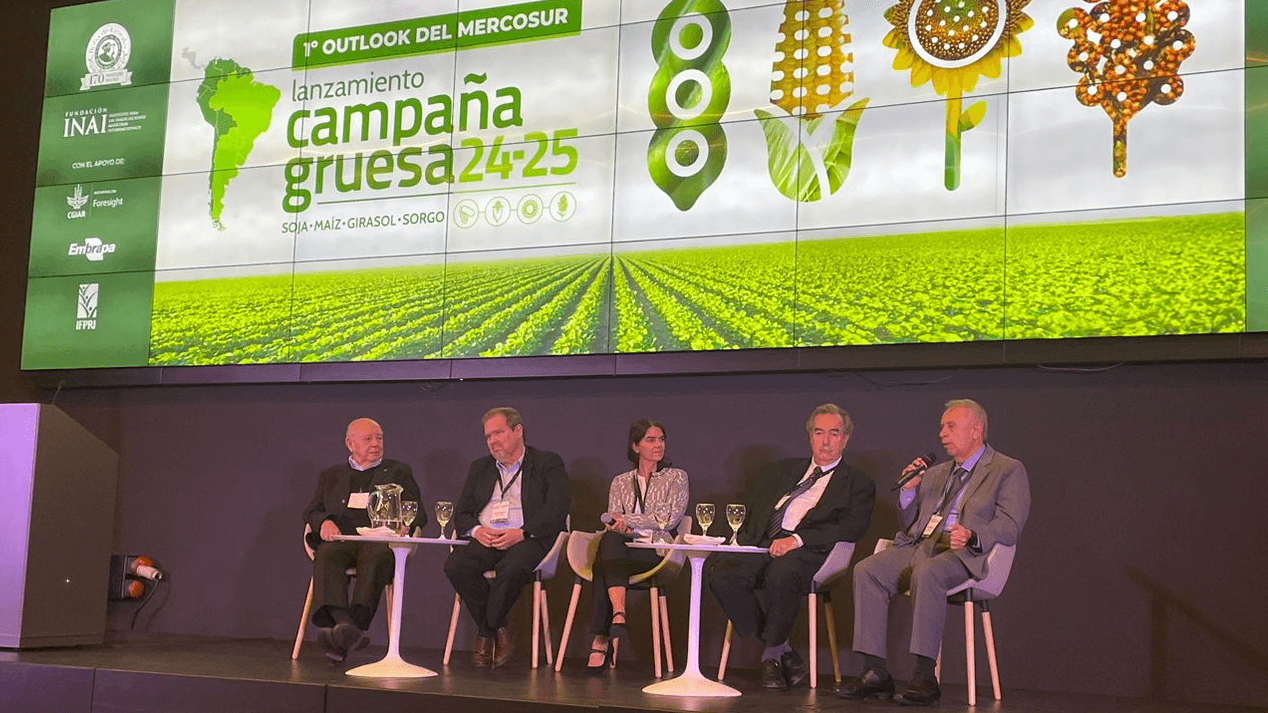
Mercosur Outlook launch: Charting a course for sustainable agricultural growth amid uncertainty
Meeting challenges of the coming growing season and beyond in South America.
-
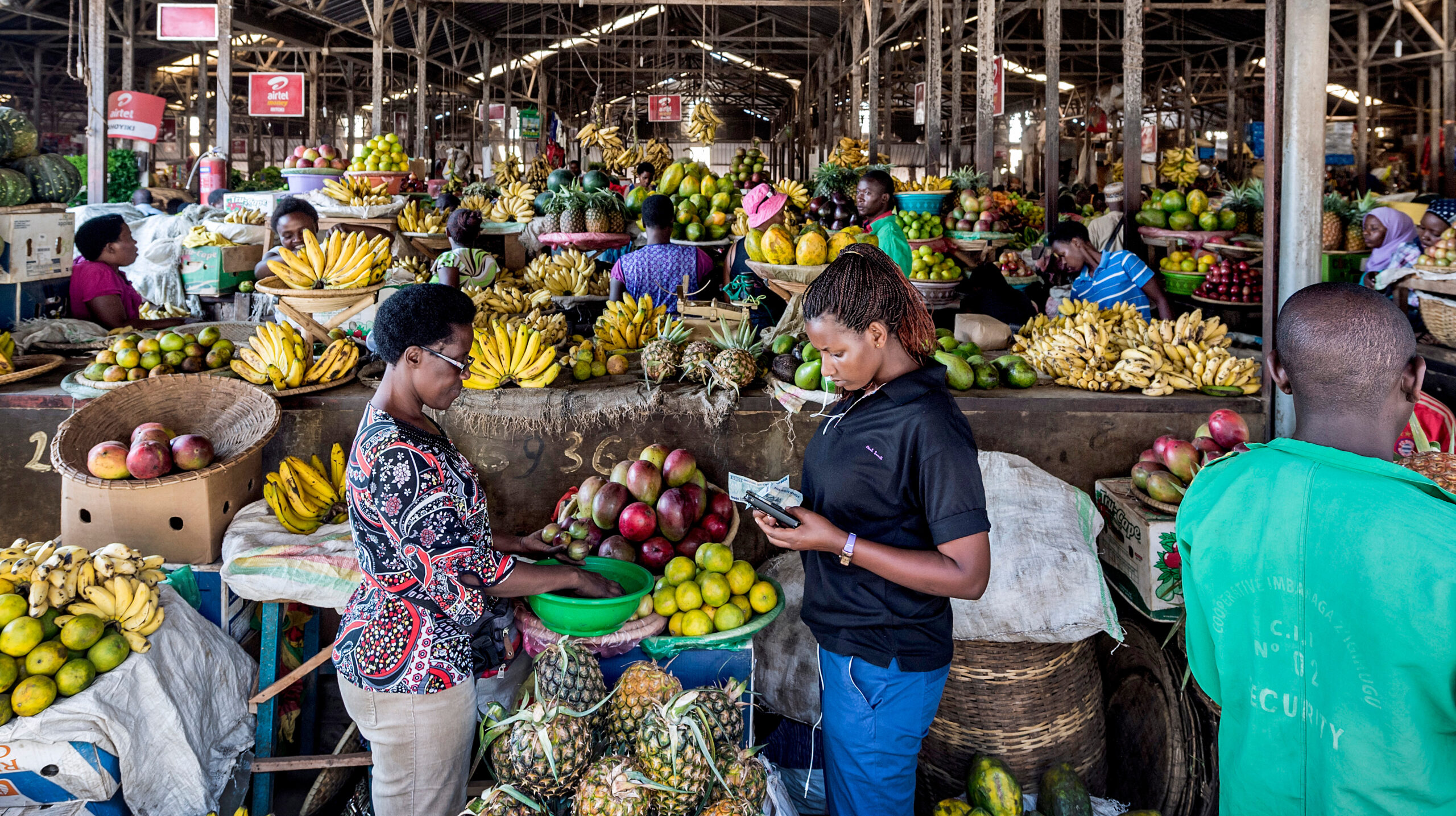
World Food Day 2024: The critical role of healthy diets for realizing the right to food
IFPRI’s 2024 Global Food Policy Report on a key paradigm shift.
-
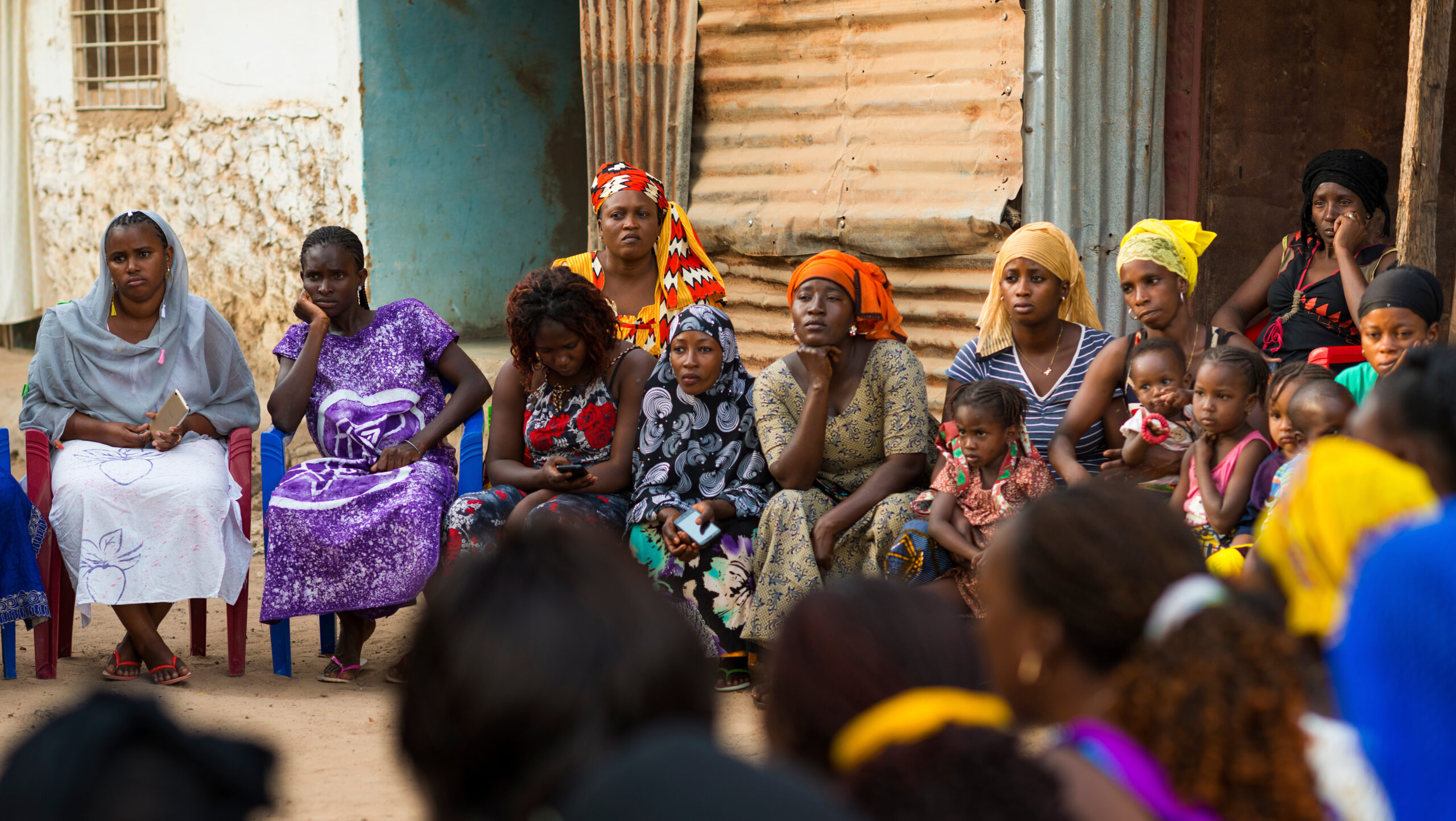
Global Food Policy Report 2024: Improving governance to create supportive environments for diet and nutrition policies
Key steps to strengthen institutions and relationships
-
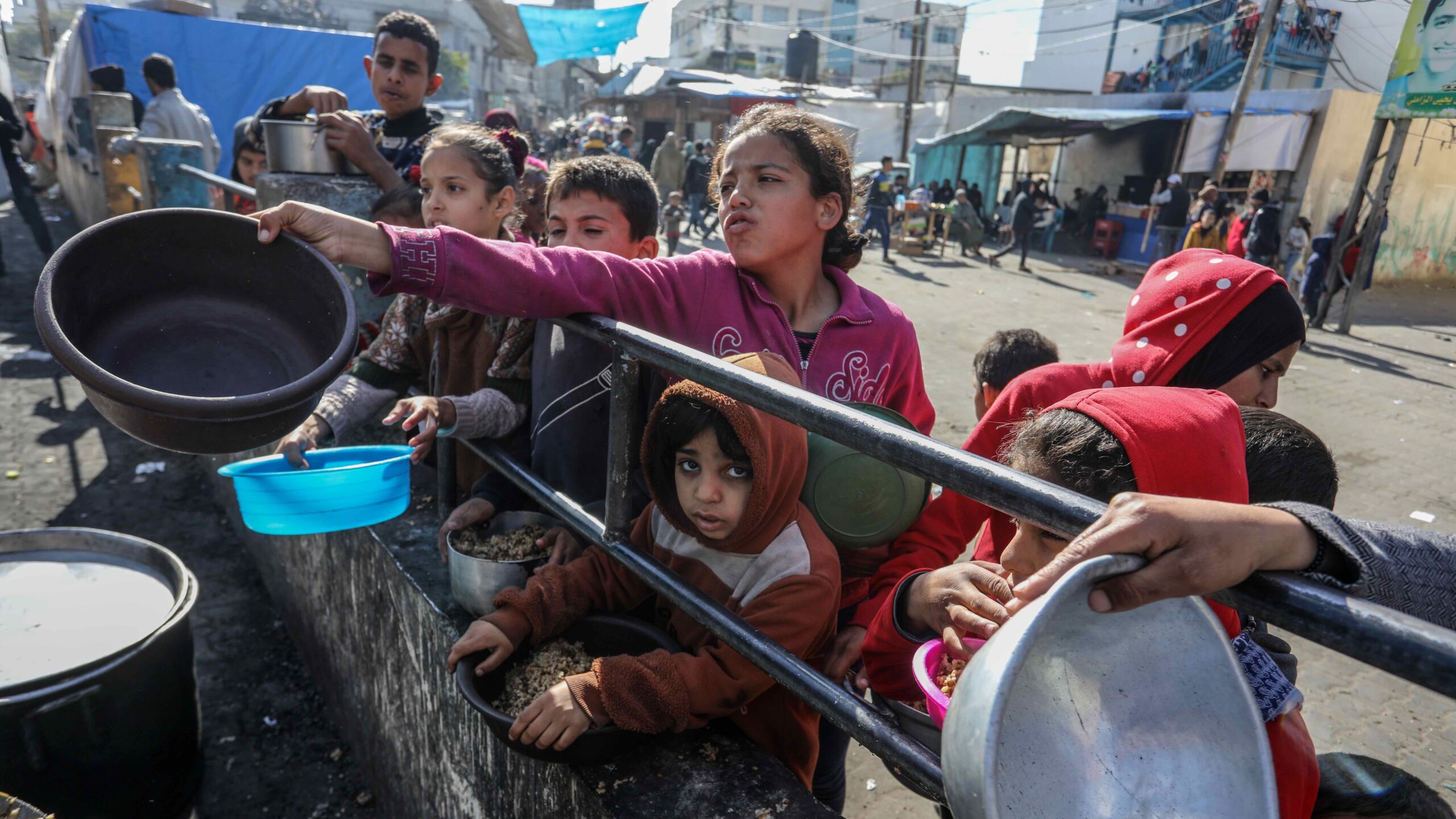
One year of war in Gaza: Food emergency continues with no end in sight
Problems of feeding more than 2 million people in a war zone.
-
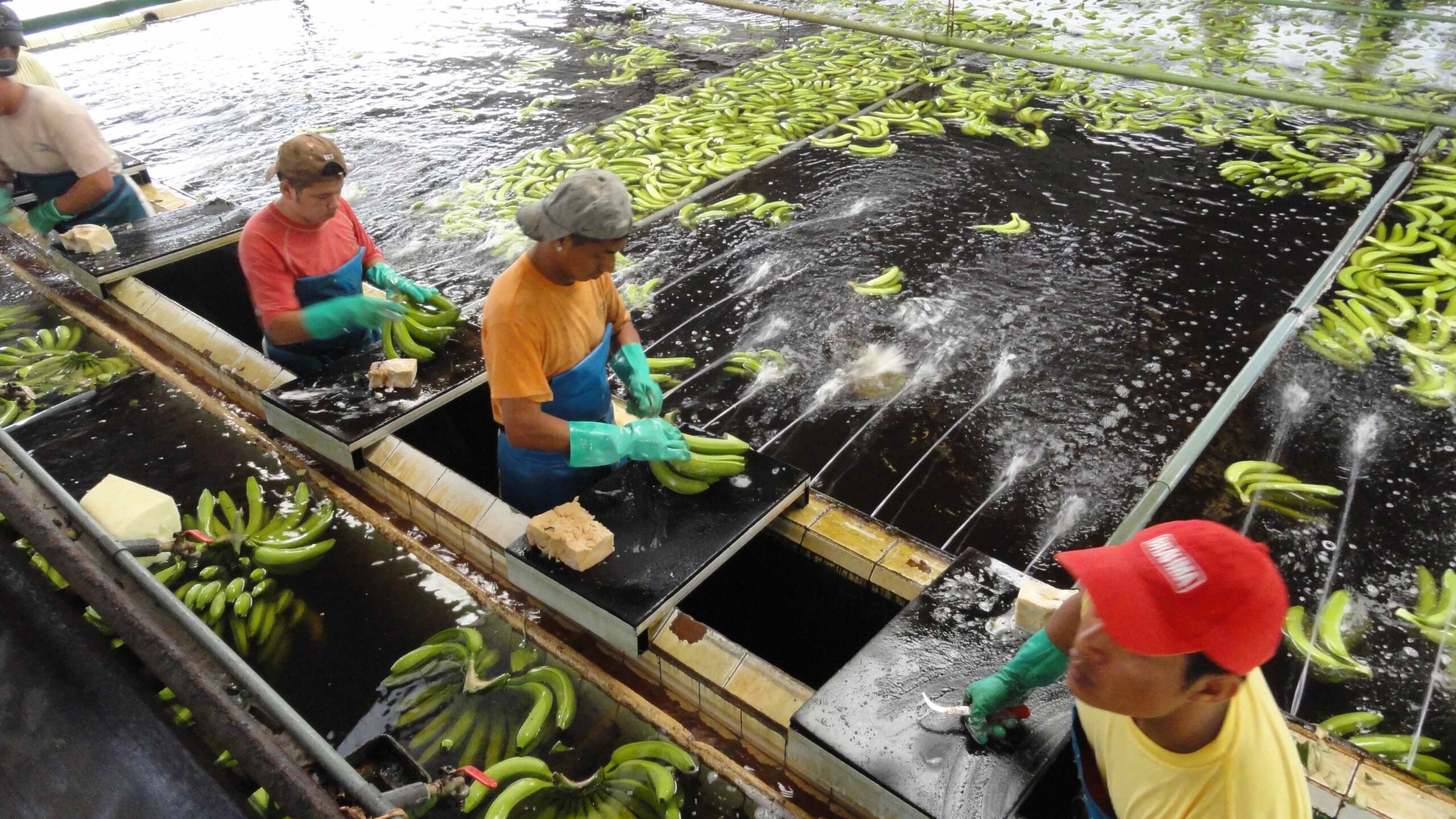
The likely U.S. longshoreman strike and its implications for agricultural trade
Disruptions ahead for some developing countries exporting to the U.S.
-
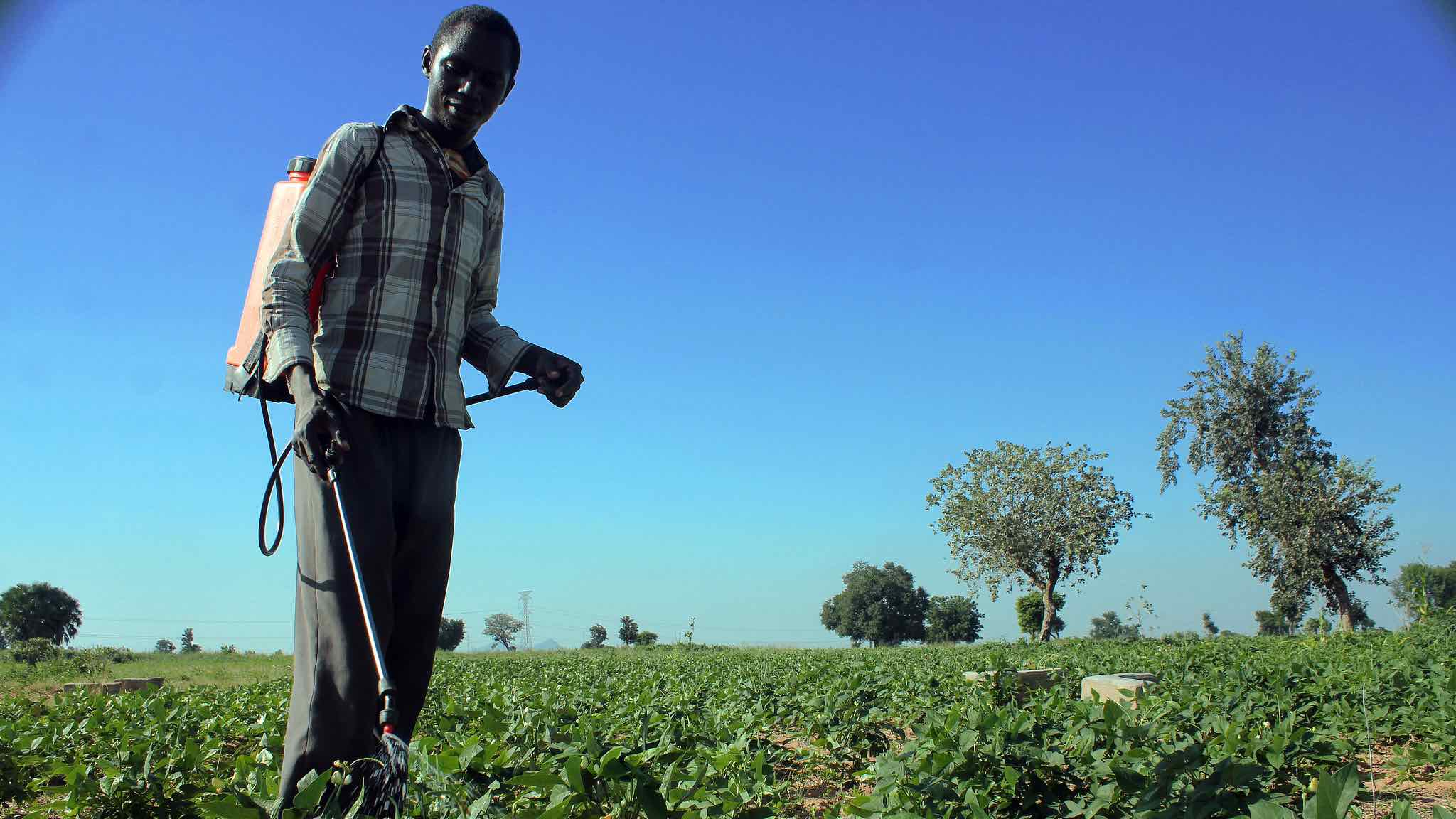
Does conflict-driven internal displacement influence demand for agricultural inputs? Evidence from Nigeria
Examining the effectiveness of vouchers and marketing information.
-
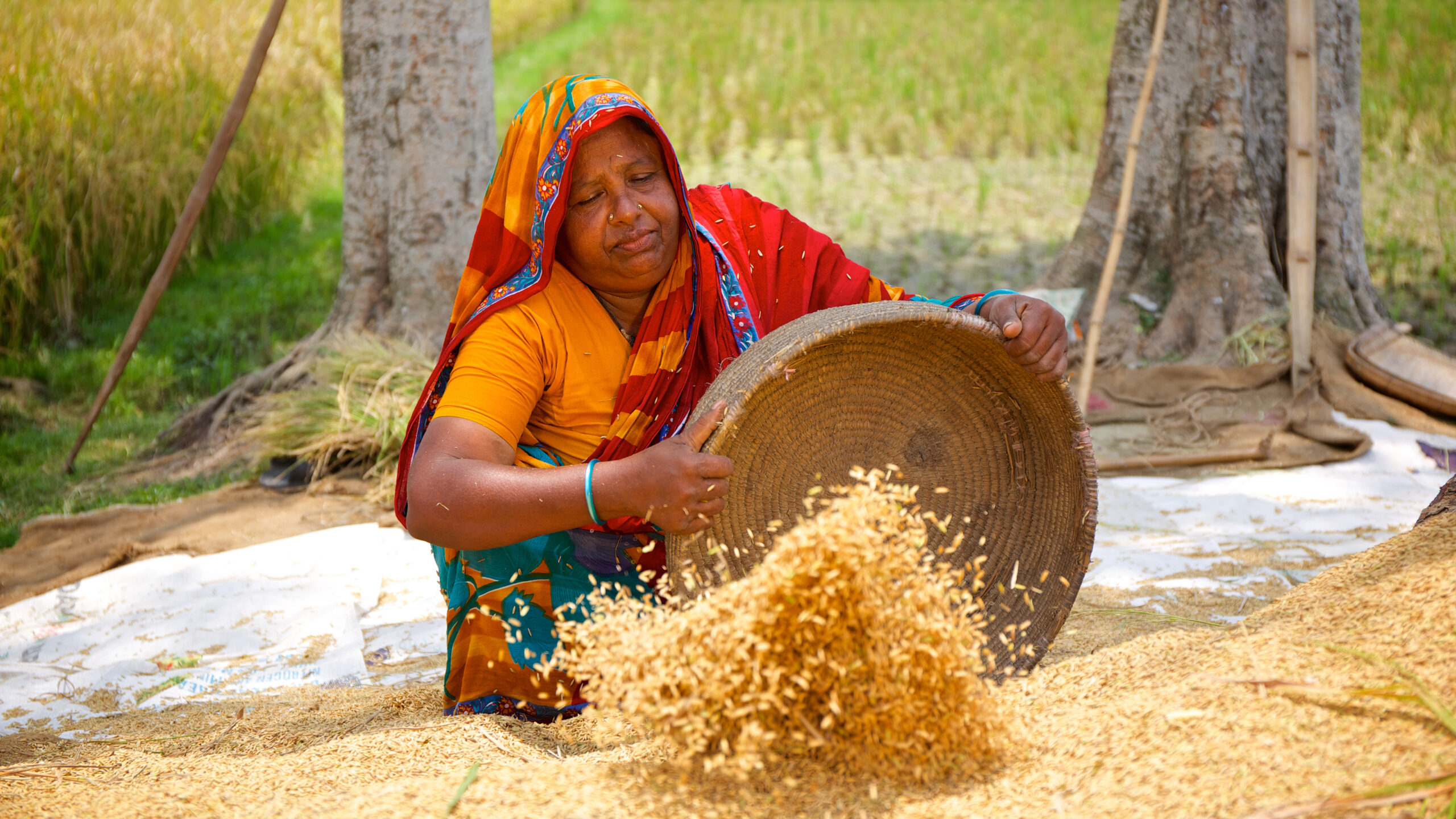
Potential impact of zinc-enriched rice on zinc intakes in Bangladesh, Indonesia, and the Philippines
Nutritional benefits of enhanced biofortification.
-
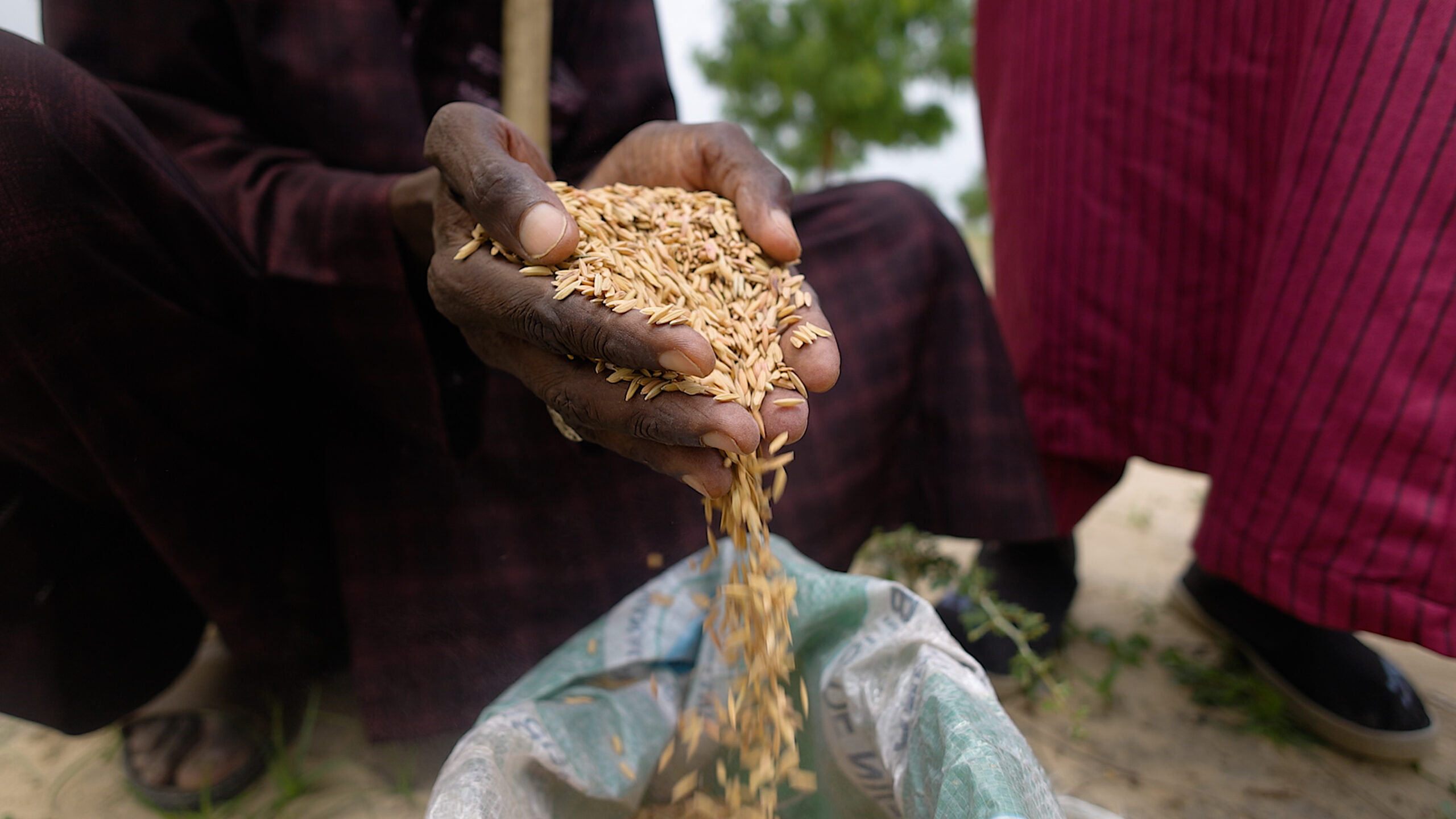
How much does take-up timing for agricultural inputs depend on price? Evidence from an experiment in Nigeria
Insights into buying behavior.
-
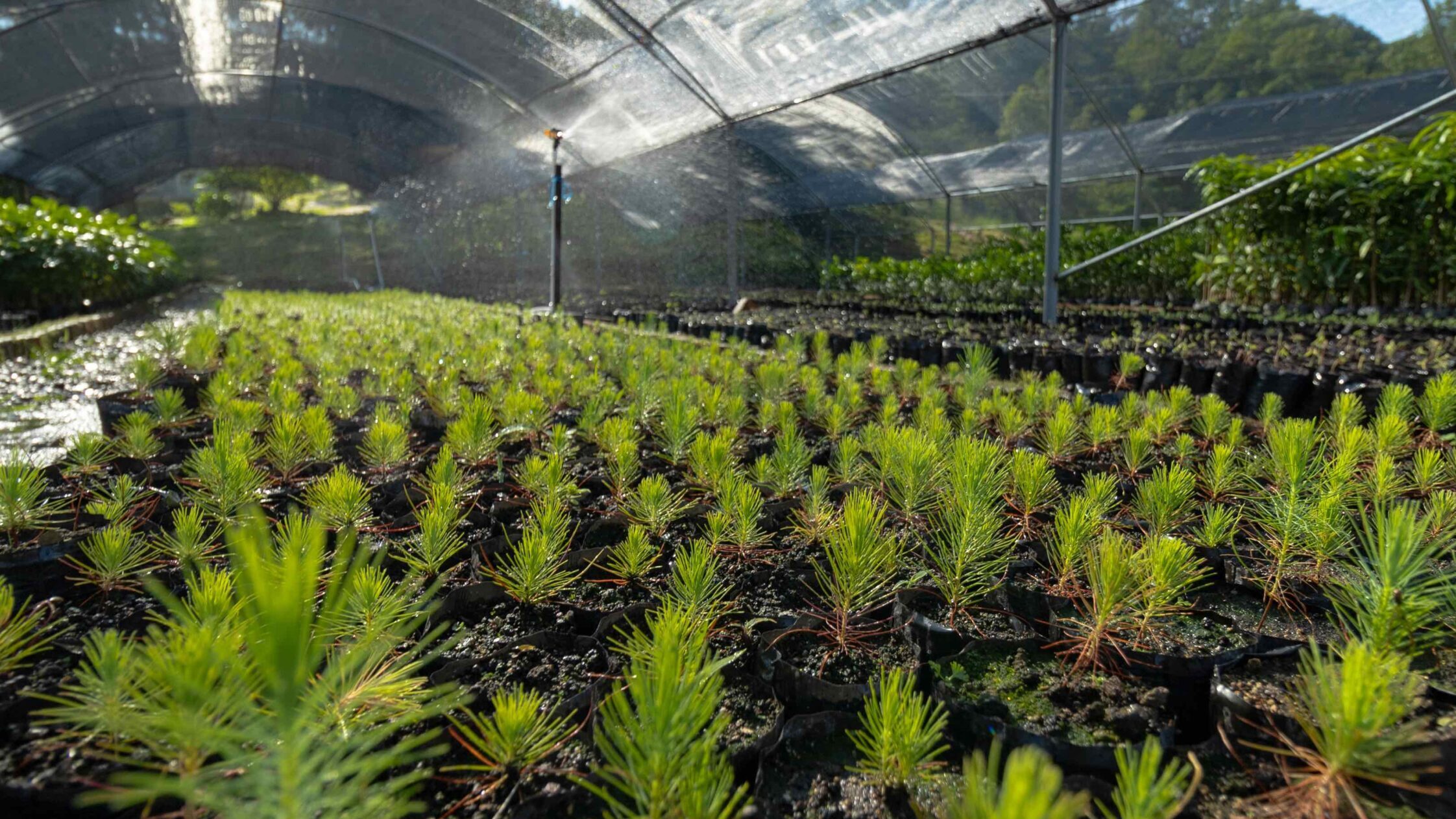
Limiting deforestation involves complex tradeoffs: Results from a global land-use model
Many dimensions of combating climate change.
-
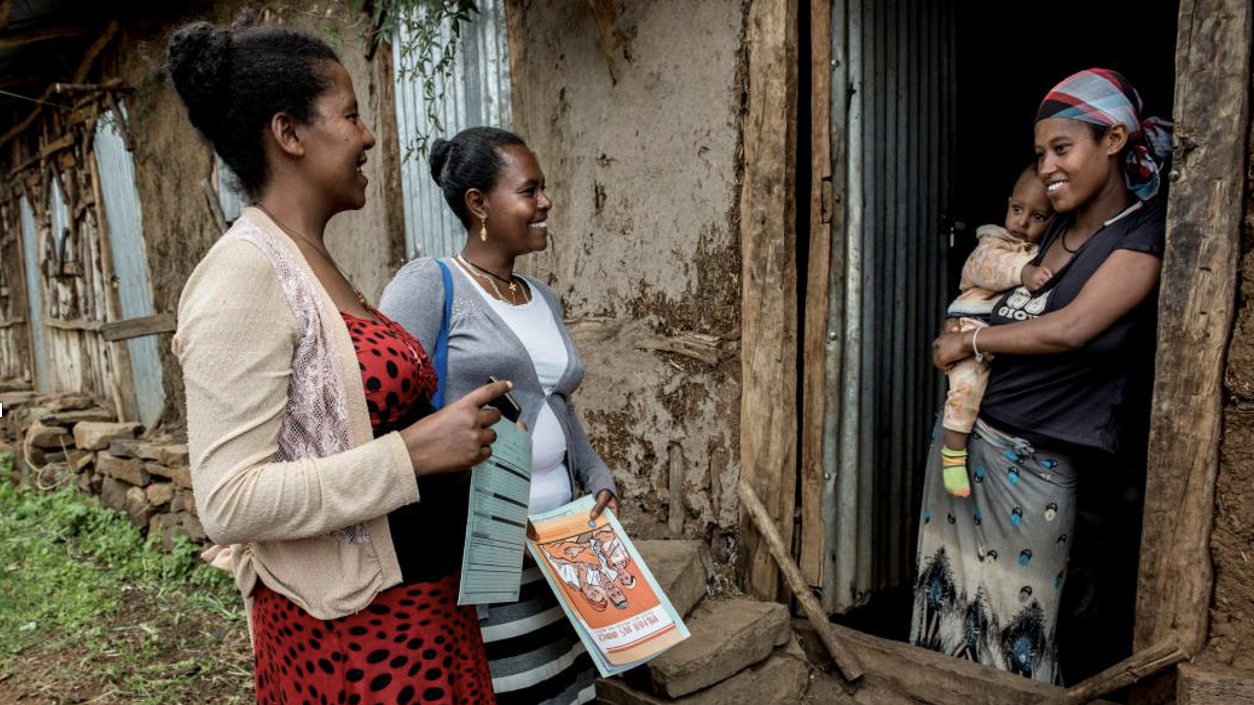
Beyond the Health Extension Program: Developing a focused approach to improve nutrition in Ethiopia
A study points to reforms.
-
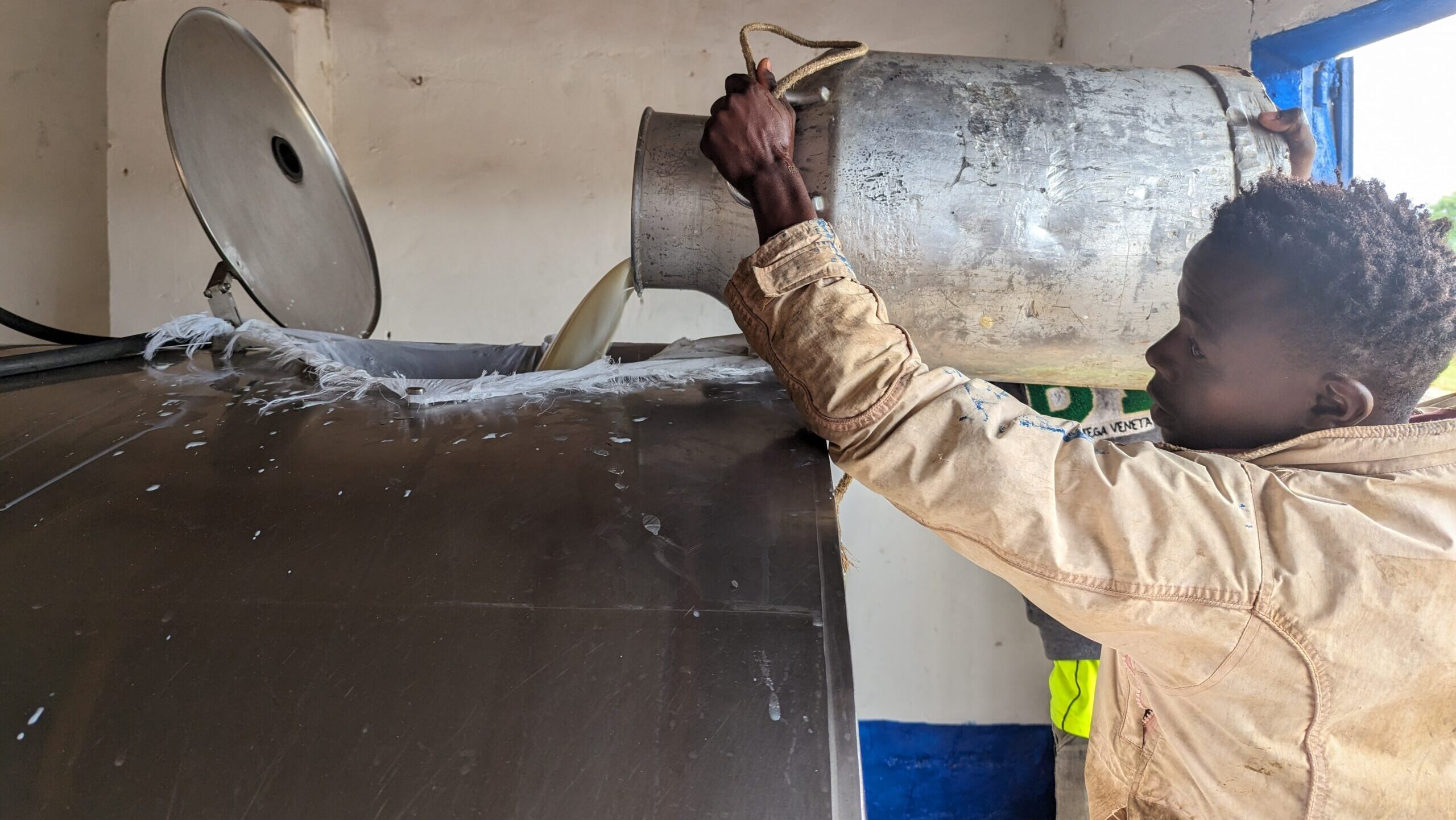
Enhancing milk quality in Uganda: Challenges and innovations in the dairy value chain
Improving market incentives.
-
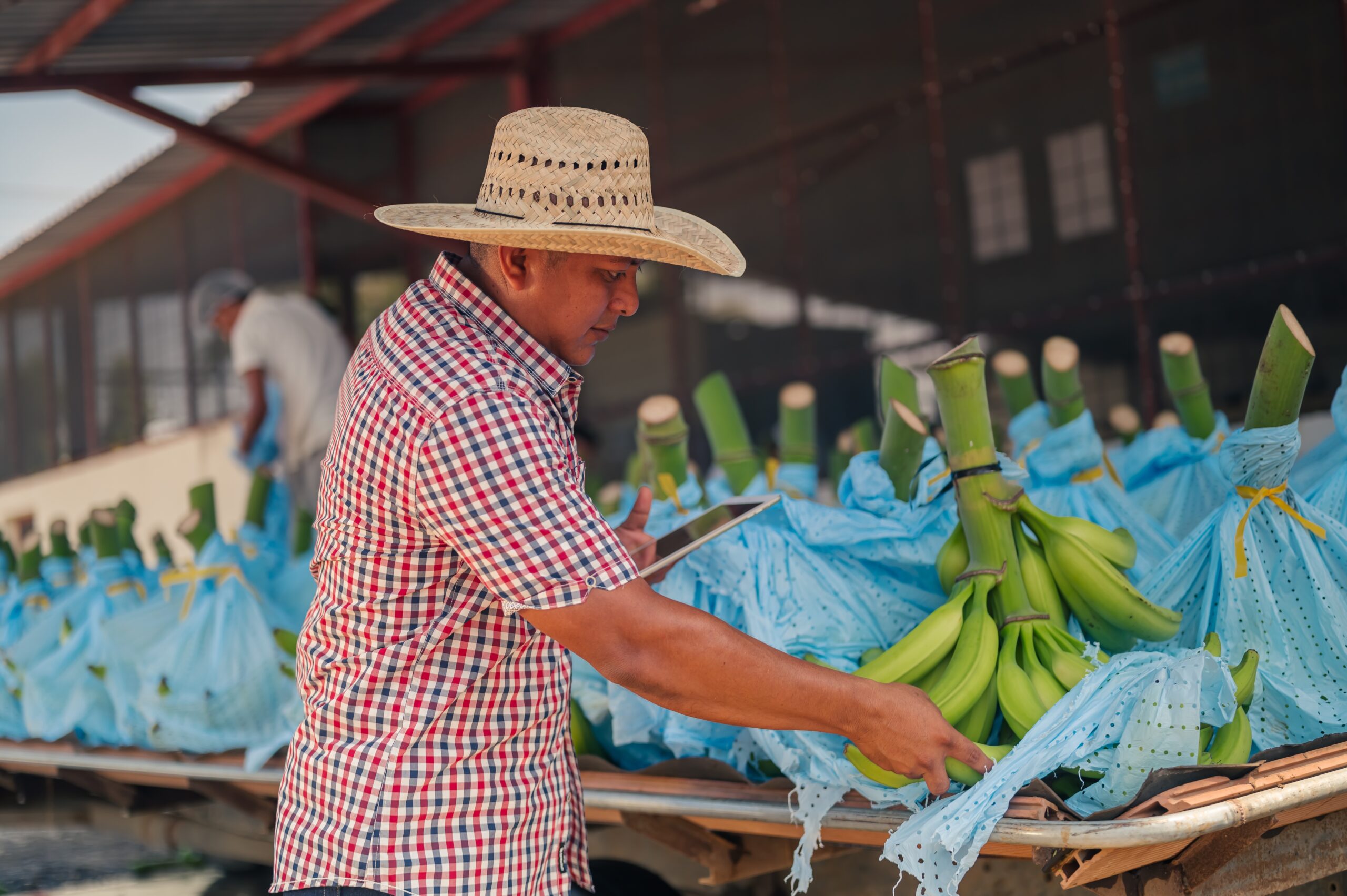
Síntesis de evidencia: Lineamientos para el diseño de programas crediticios agropecuarios condicionados para el fomento de prácticas agropecuarias sostenibles
Enfoques para el desarrollo de políticas del sistema alimentario.
-
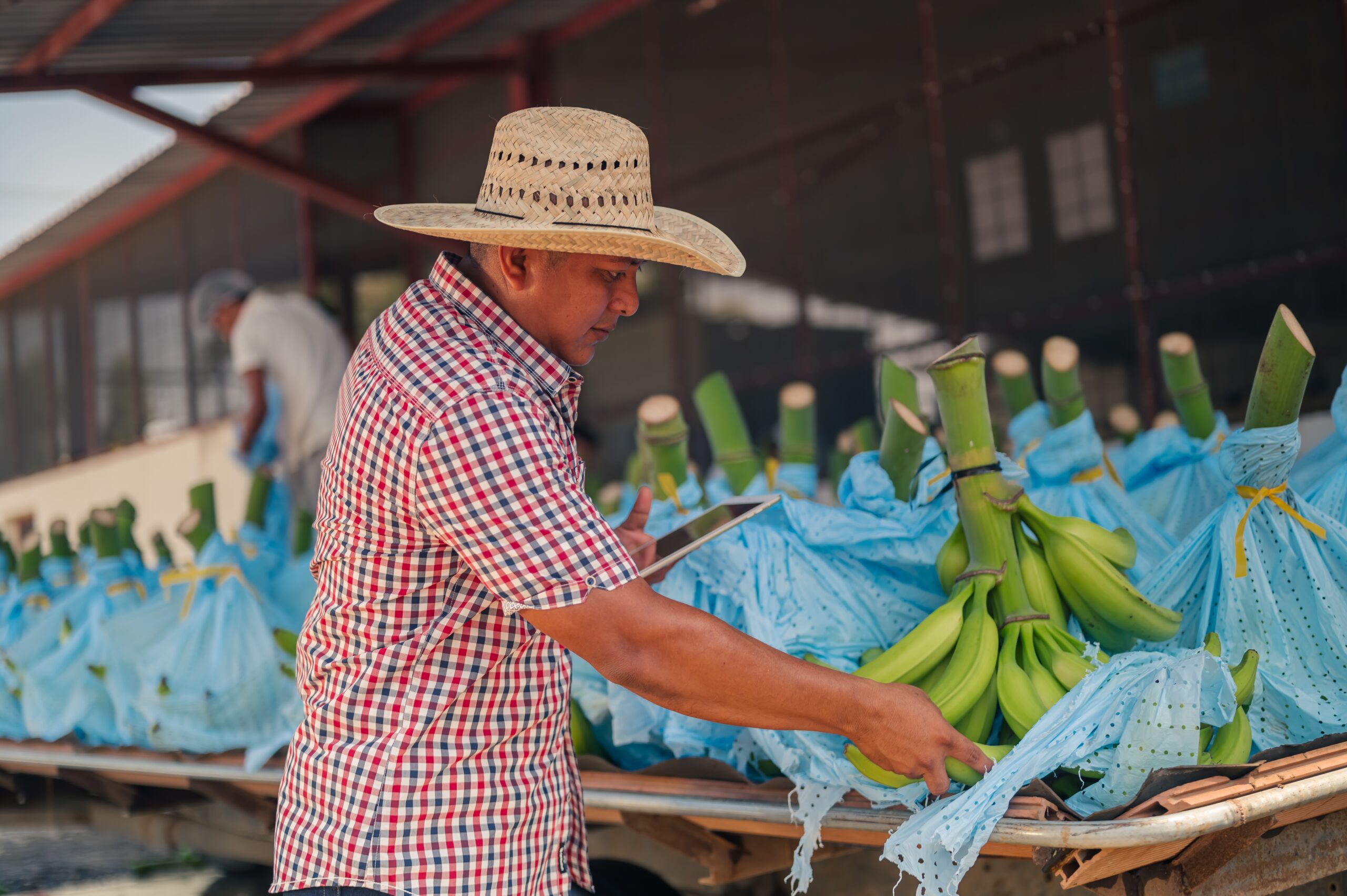
Identifying guidelines for the design of conditional credit programs to promote sustainable agricultural practices in Latin America
Tools for food system policy development.
-
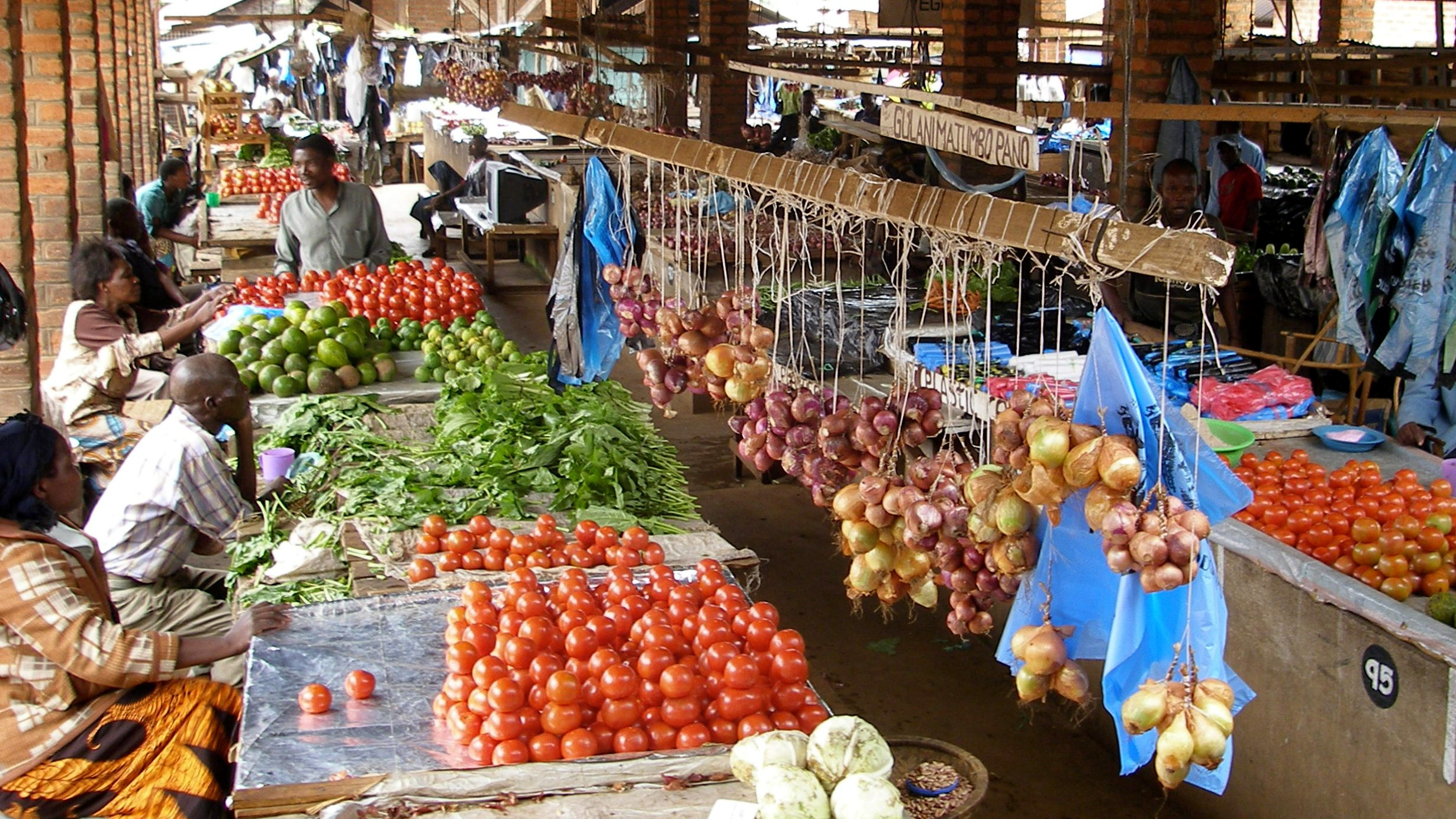
Reducing food loss and waste for climate outcomes: Insights from national consultations in Bangladesh, Malawi and Nepal
Integrating key goals of food system transformation.
-
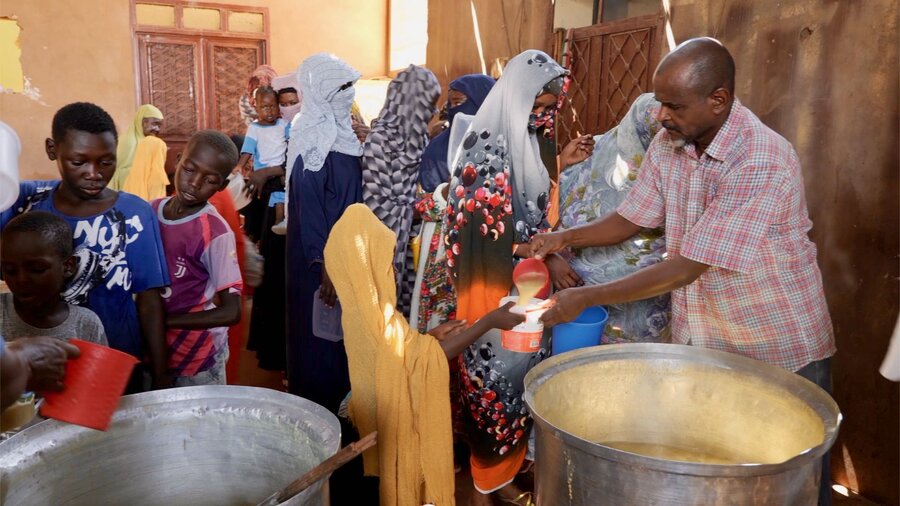
Sudan’s catastrophe: Farmers could offer quick postwar recovery, if peace is found
Charting economic paths forward.
-
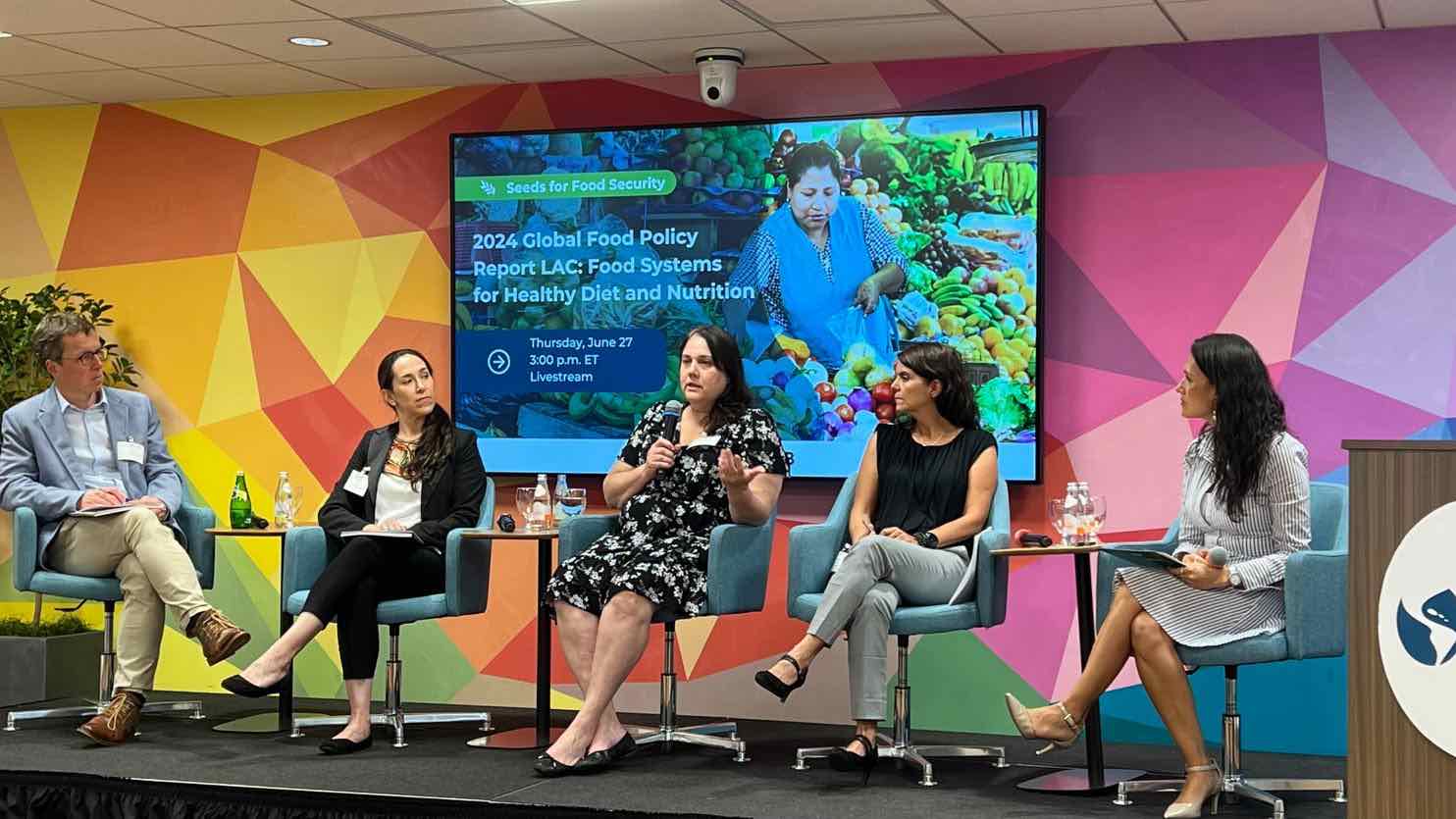
Global Food Policy Report 2024 Latin America and the Caribbean launch: Promoting sustainable healthy diets to address diverse nutrition challenges
Creative policy solutions to difficult problems.
-
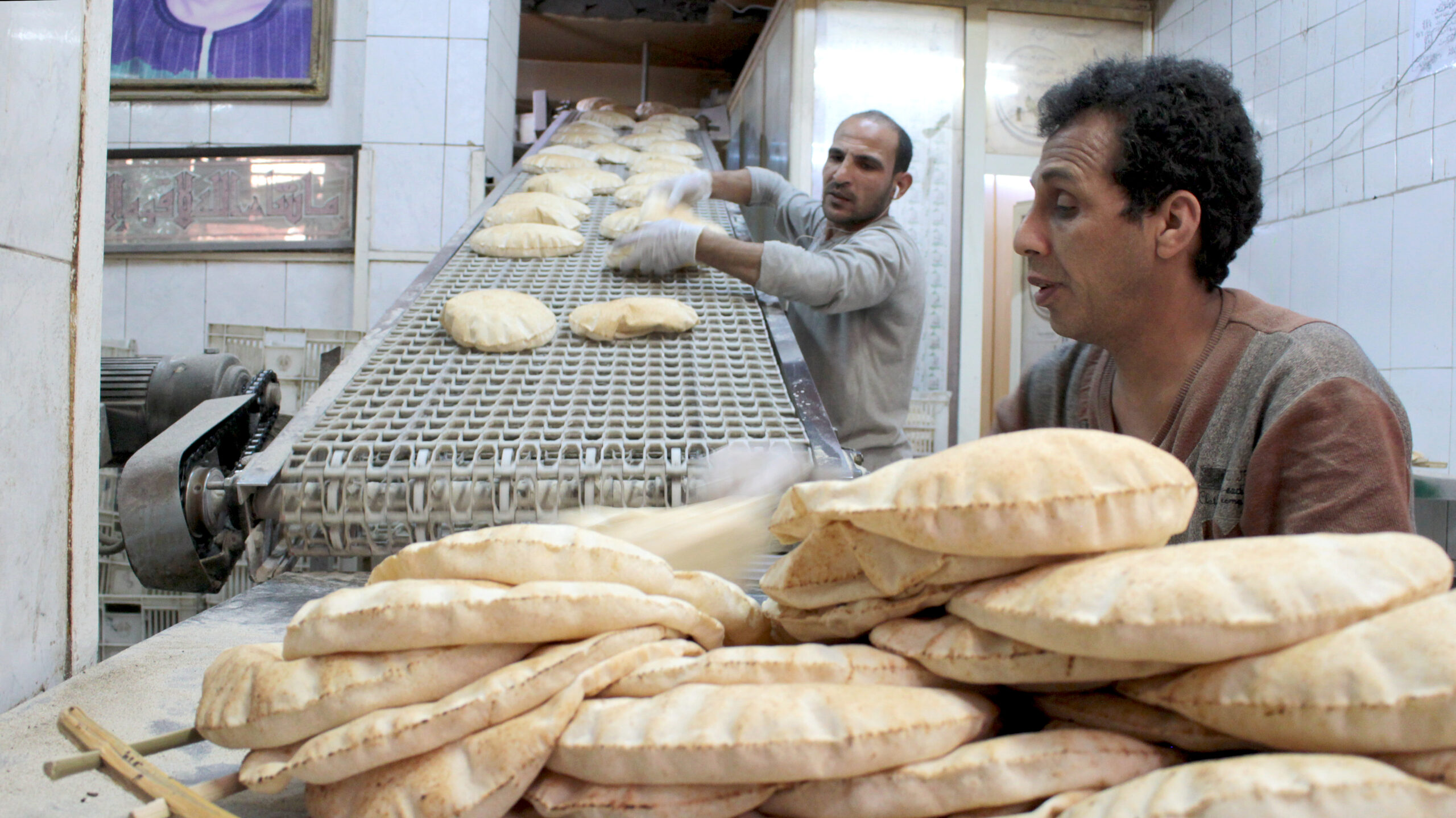
Higher wheat prices push Egypt to increase price of subsidized bread for first time since 1989
Navigating an economic crisis.
-
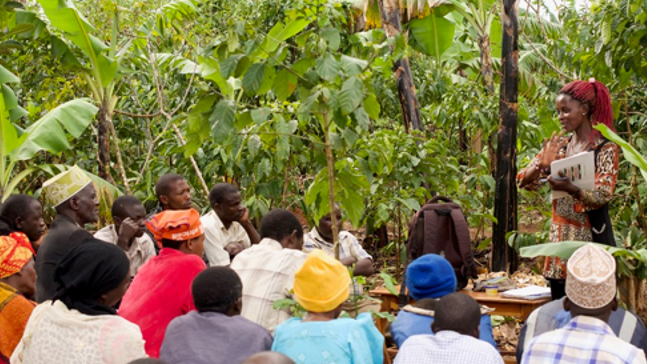
Training Ugandan coffee farmers on agronomy practices more than pays for itself
Promise for boosting yields and income.
-
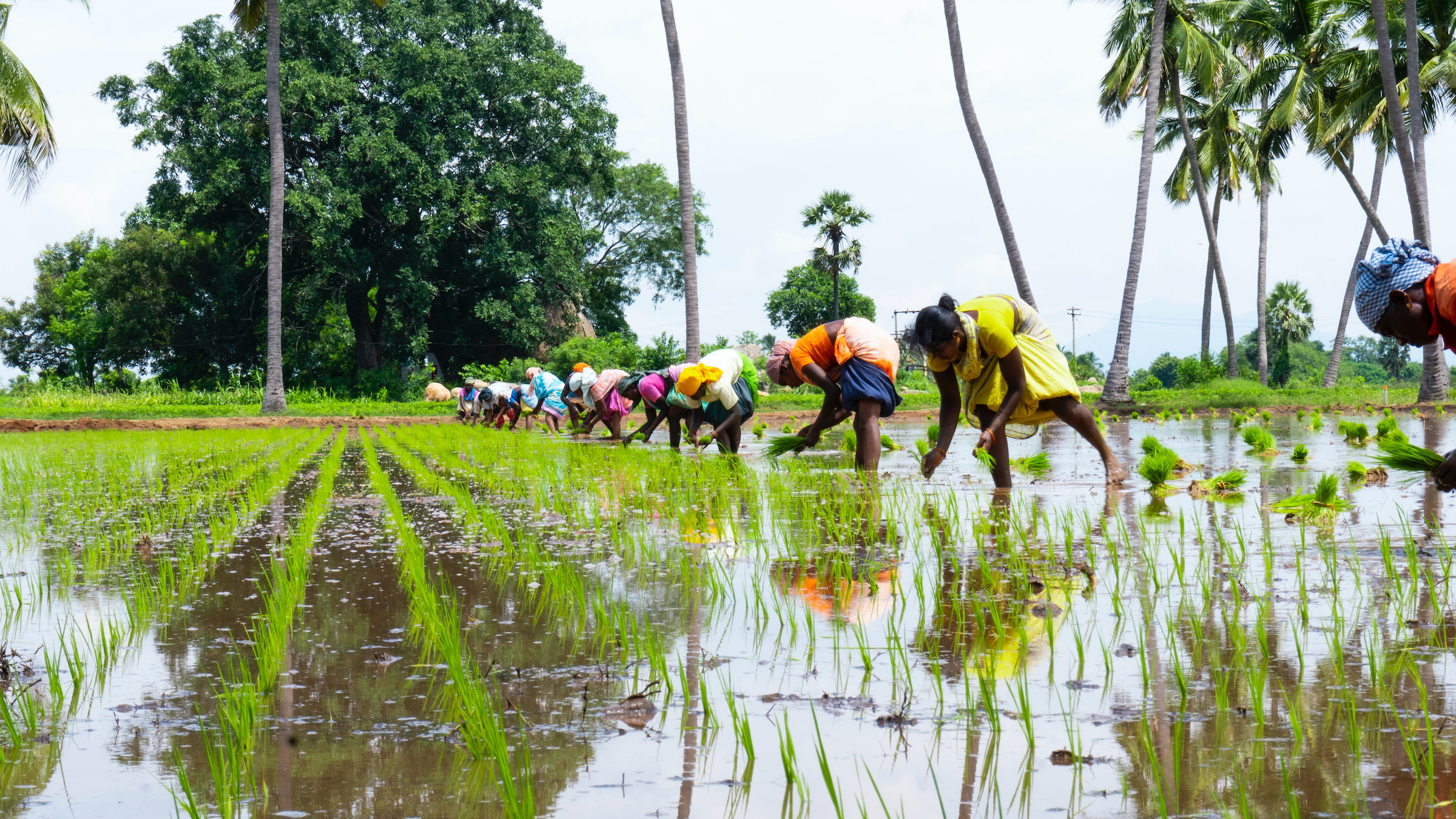
After a year, India’s rice export restrictions continue to fuel high prices
A key staple for low-income consumers in sub-Saharan Africa and other regions.
-
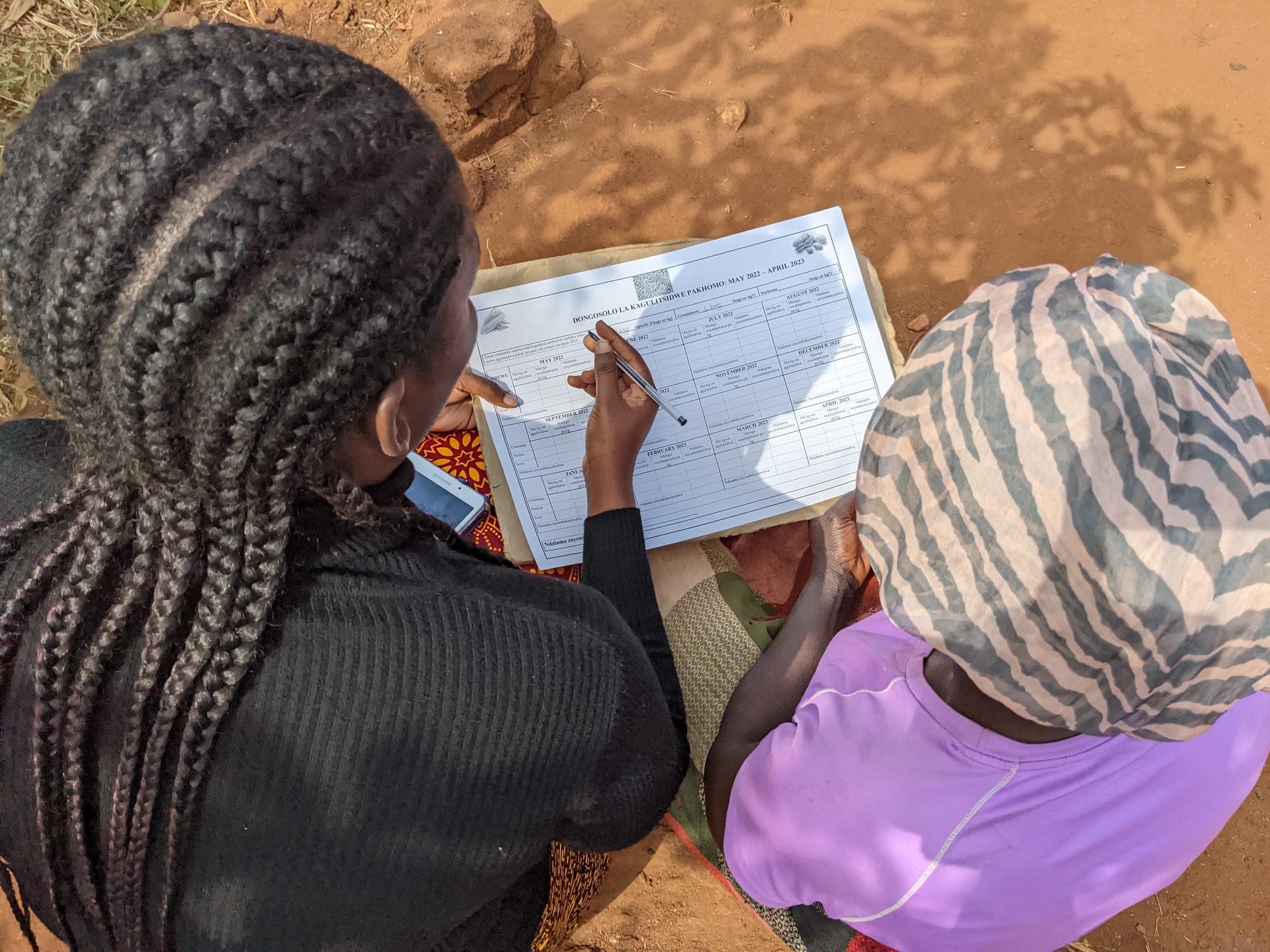
Behavioral explanations for the sell-low-buy-high puzzle in smallholder market participation: Lessons from a field experiment in Malawi
Our study tested two behavioral interventions—budgeting and sales planning—to understand and mitigate this paradox.
-
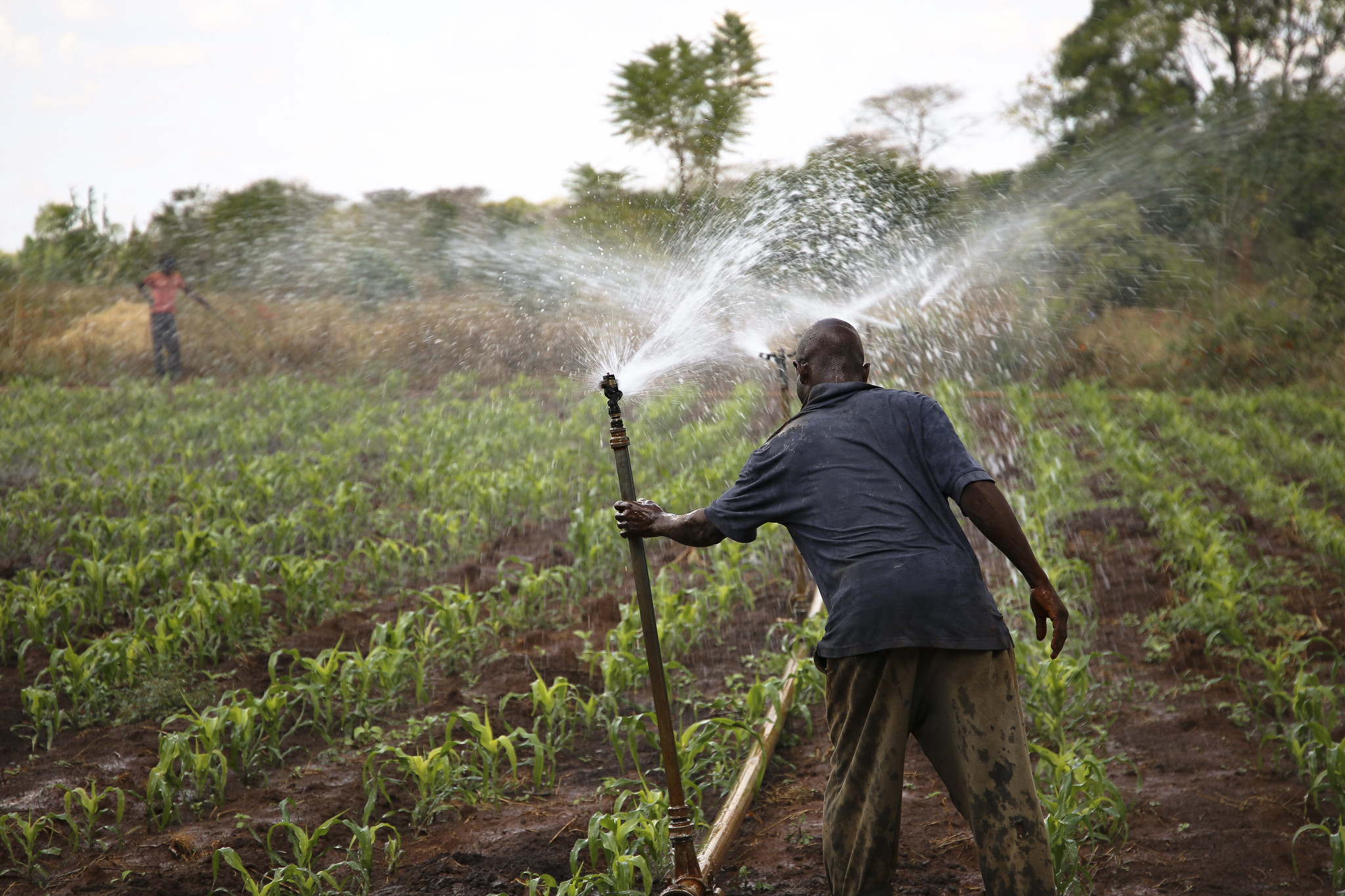
Revisiting development strategies under climate uncertainty: Insights from Malawi
Does the threat of climate change significantly undermine strategies focusing on agriculture?
-

Urgent need to strengthen local governance for improved urban agrifood systems
Insights from the new report by the UN High-Level Panel of Experts on Food Security and Nutrition.
-
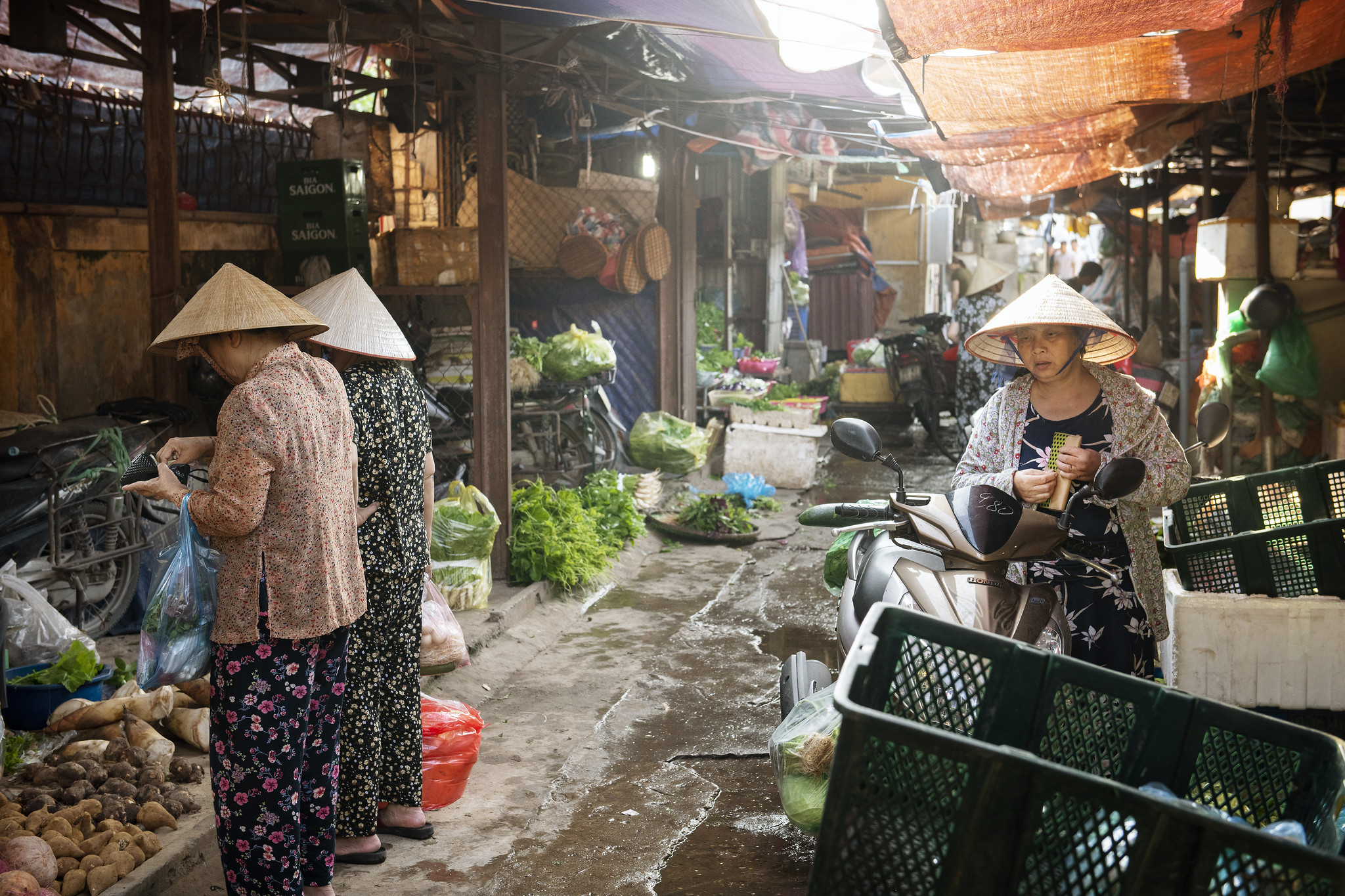
Evaluating impacts: Lessons from food systems interventions across Africa and Asia
Transforming food systems is promising but complex, requiring strong evidence and rigorous evaluations to ensure effective interventions.
-
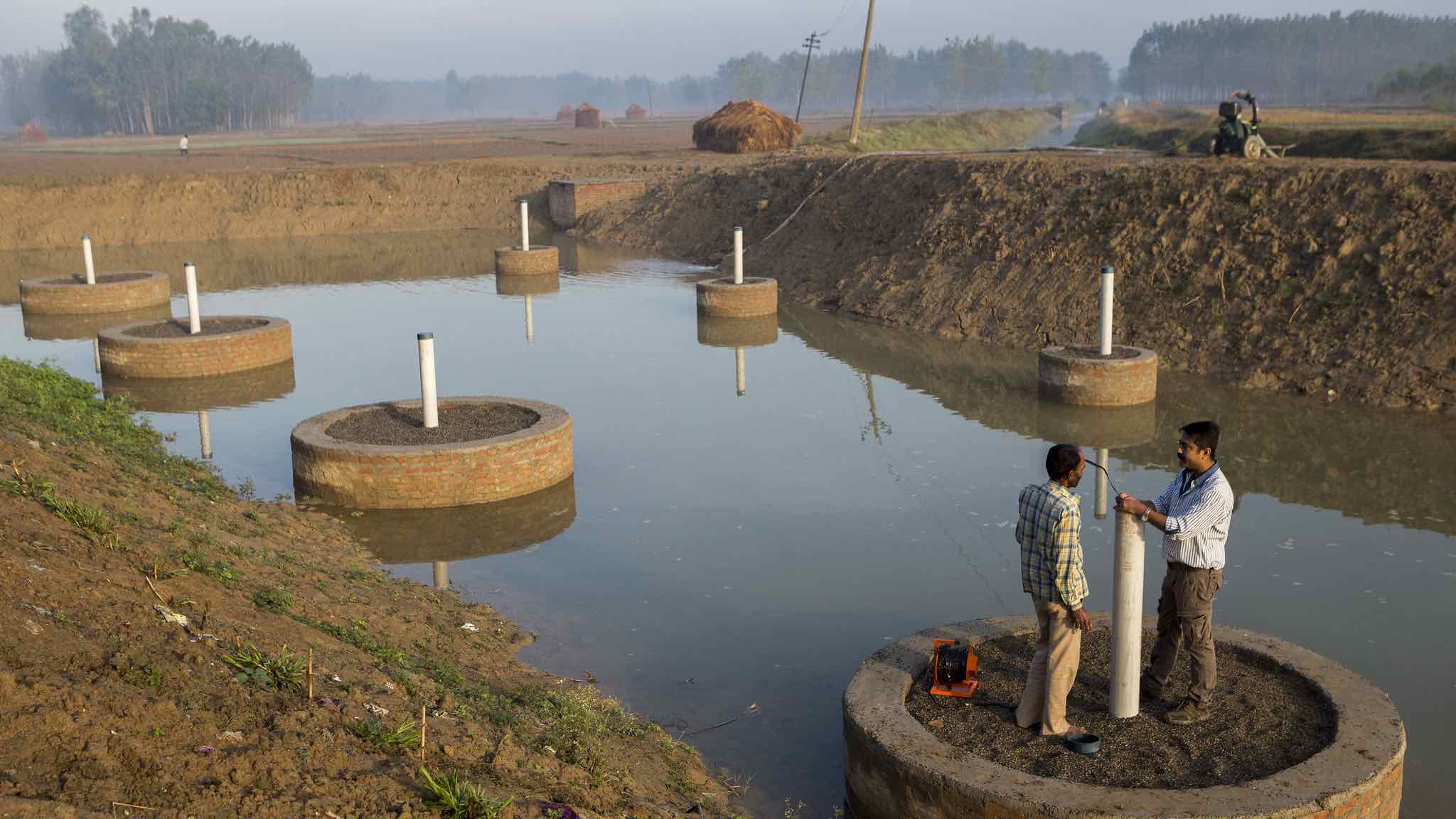
Groundwater conservation and food security: Navigating pathways to sustainable agriculture
Tradeoffs must be carefully managed.
-
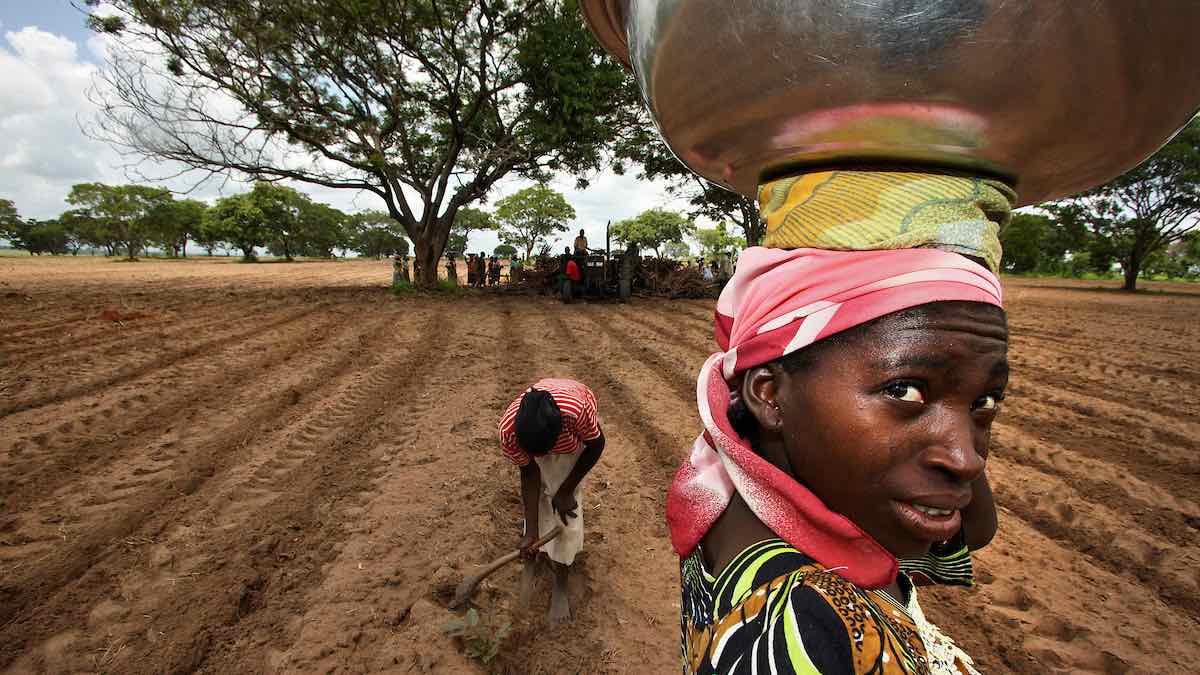
Workshop: Applying the Women’s Empowerment in Agrifood Governance (WEAGov) tool to support gender-responsive policy innovation across Africa
Collaborating to make food systems more inclusive.
-
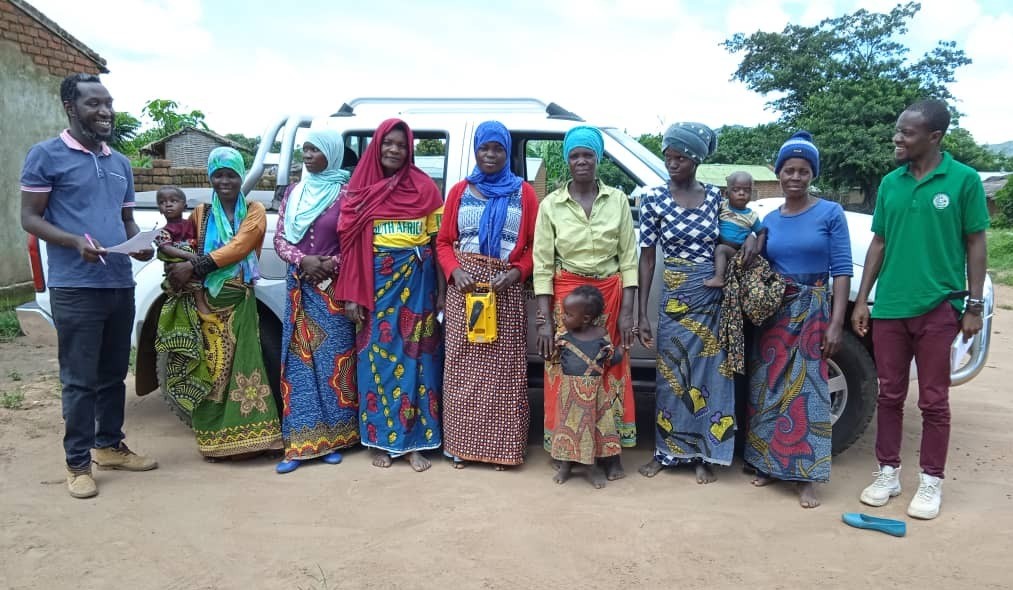
Enhancing farm productivity and rural livelihoods through ICT interventions in Malawi
New opportunities as mobile phone use grows in farming areas.
-

Opportunities and challenges for coffee production in Papua New Guinea’s highlands
Survey insights on production, pests, and marketing.
-

Sudan’s food crisis deepens as conflict intensifies
A new famine warning.
-

Risk of famine remains high in Gaza
After a reprieve, more dangerous conditions are reemerging.
-
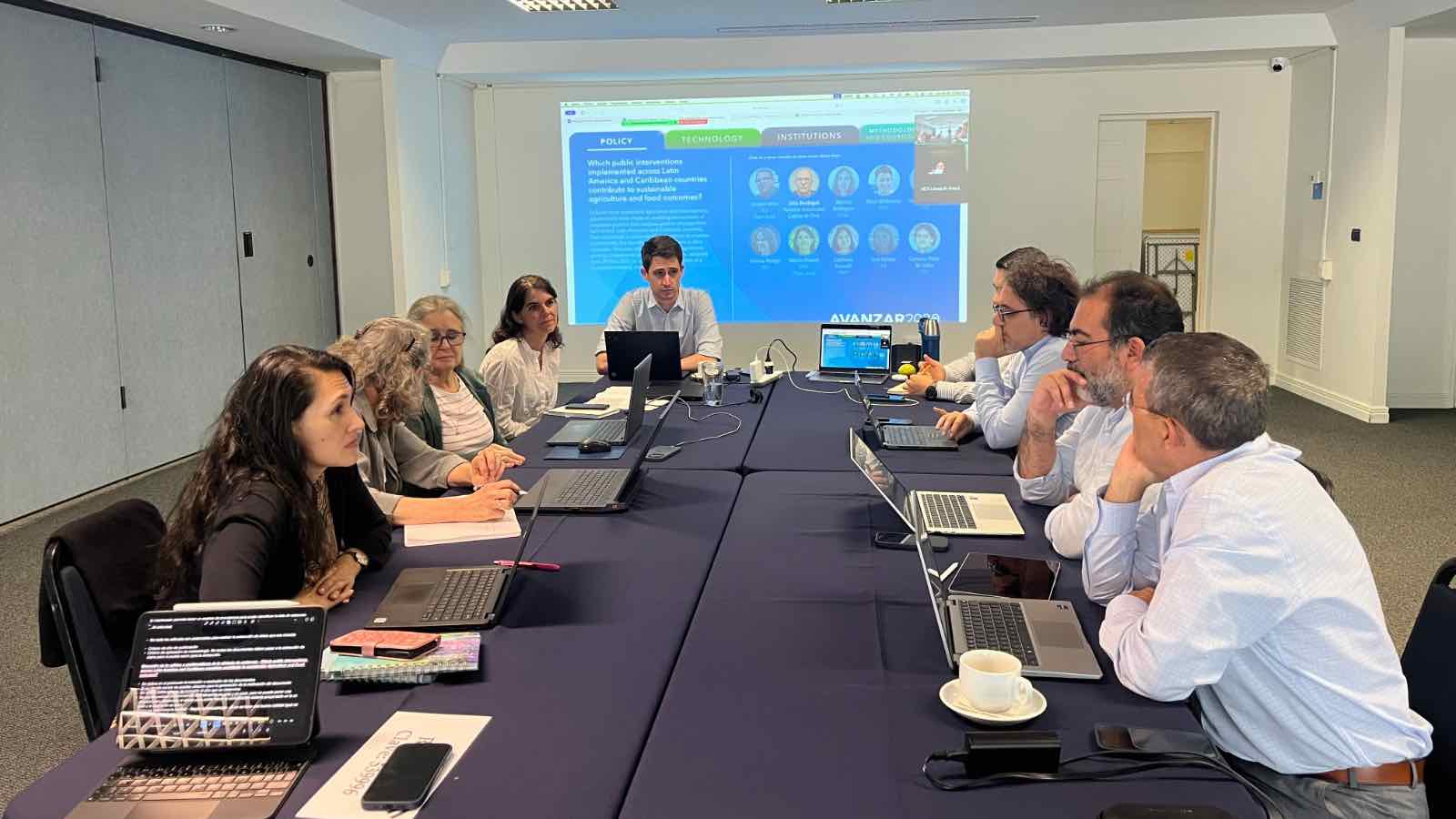
Shaping the future of agrifood systems: Insights from an Avanzar2030 workshop in Costa Rica
Surfacing the most promising innovations.
-
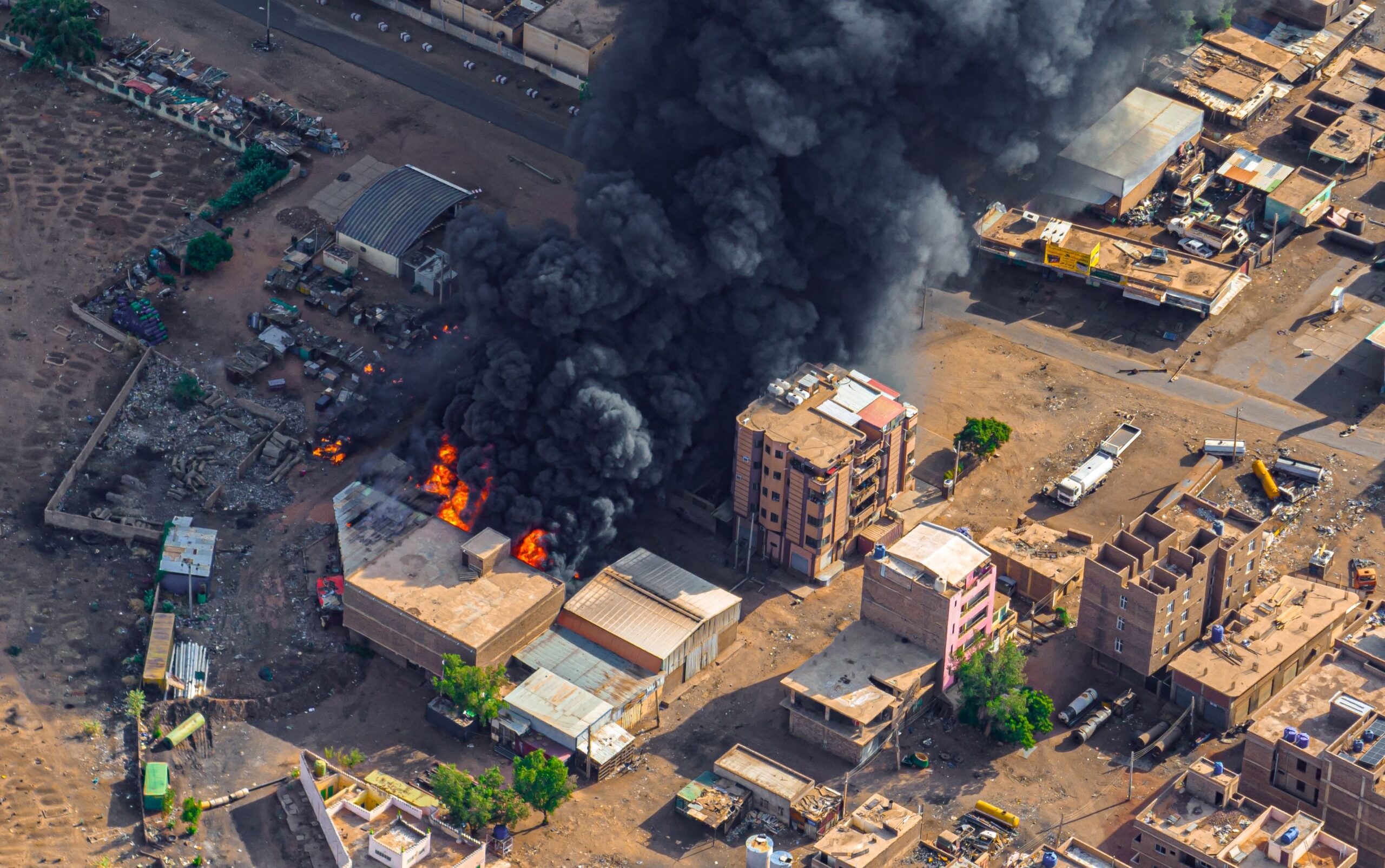
Sudan food emergency: Unpacking the scale of the disaster and the actions needed
More than 20 million face acute food insecurity.
-
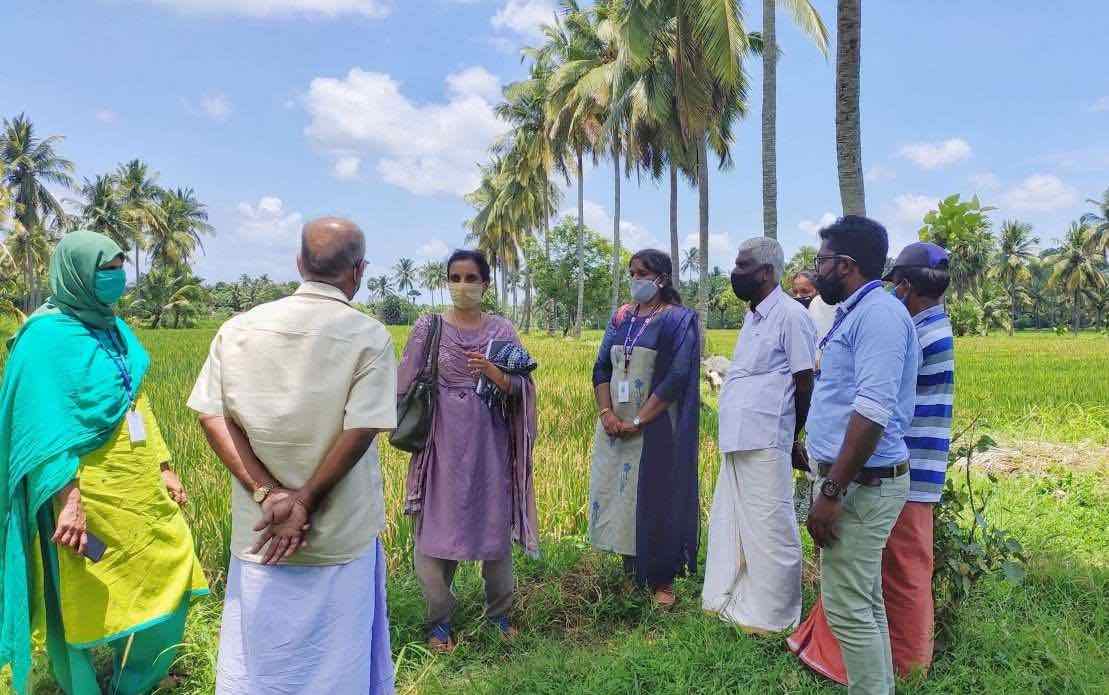
Reviving public extension for climate-resilient agriculture: Lessons and insights from India, Indonesia, and Nepal
Integrating reforms with global goals.
-
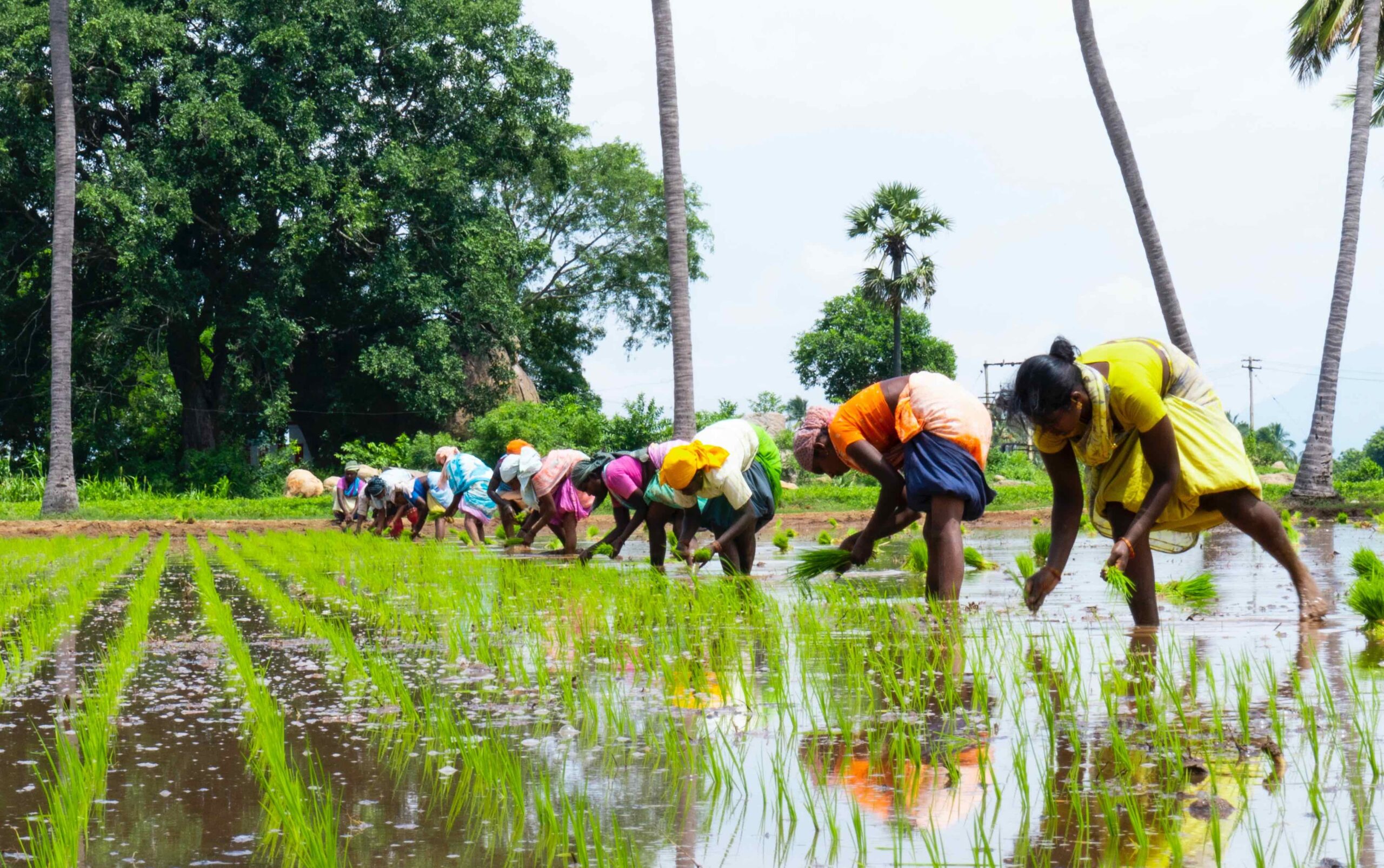
Trade policy and food price volatility: Beggar thy neighbor or beggar thyself?
The downsides of emergency trade measures.
-
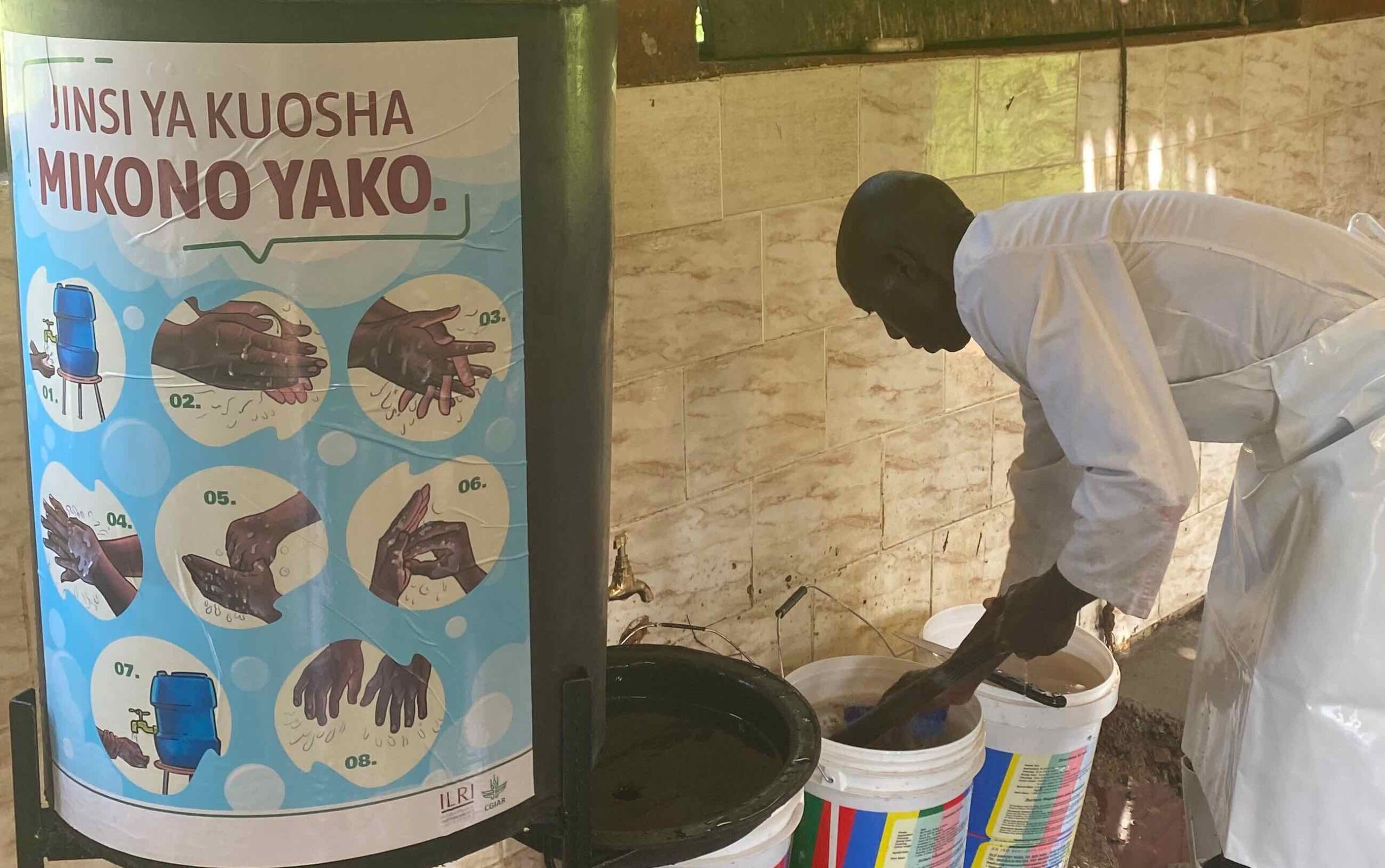
World Food Safety Day 2024: Empowering consumers and small businesses with information
Targeting interventions to benefit public health.
-
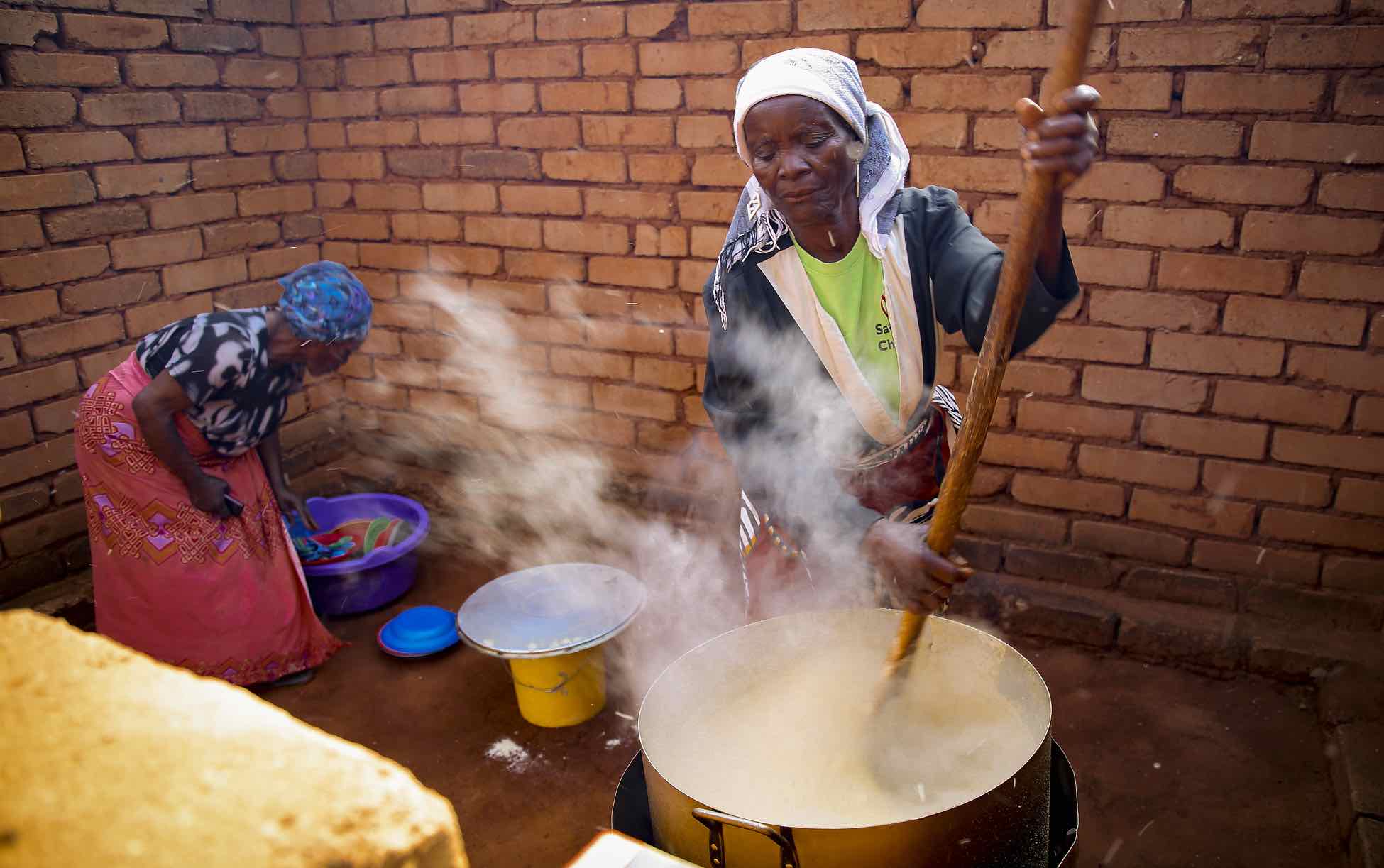
Responding to Malawi’s impending food crisis
Food imports can make up for shortages if quick action is taken.
-
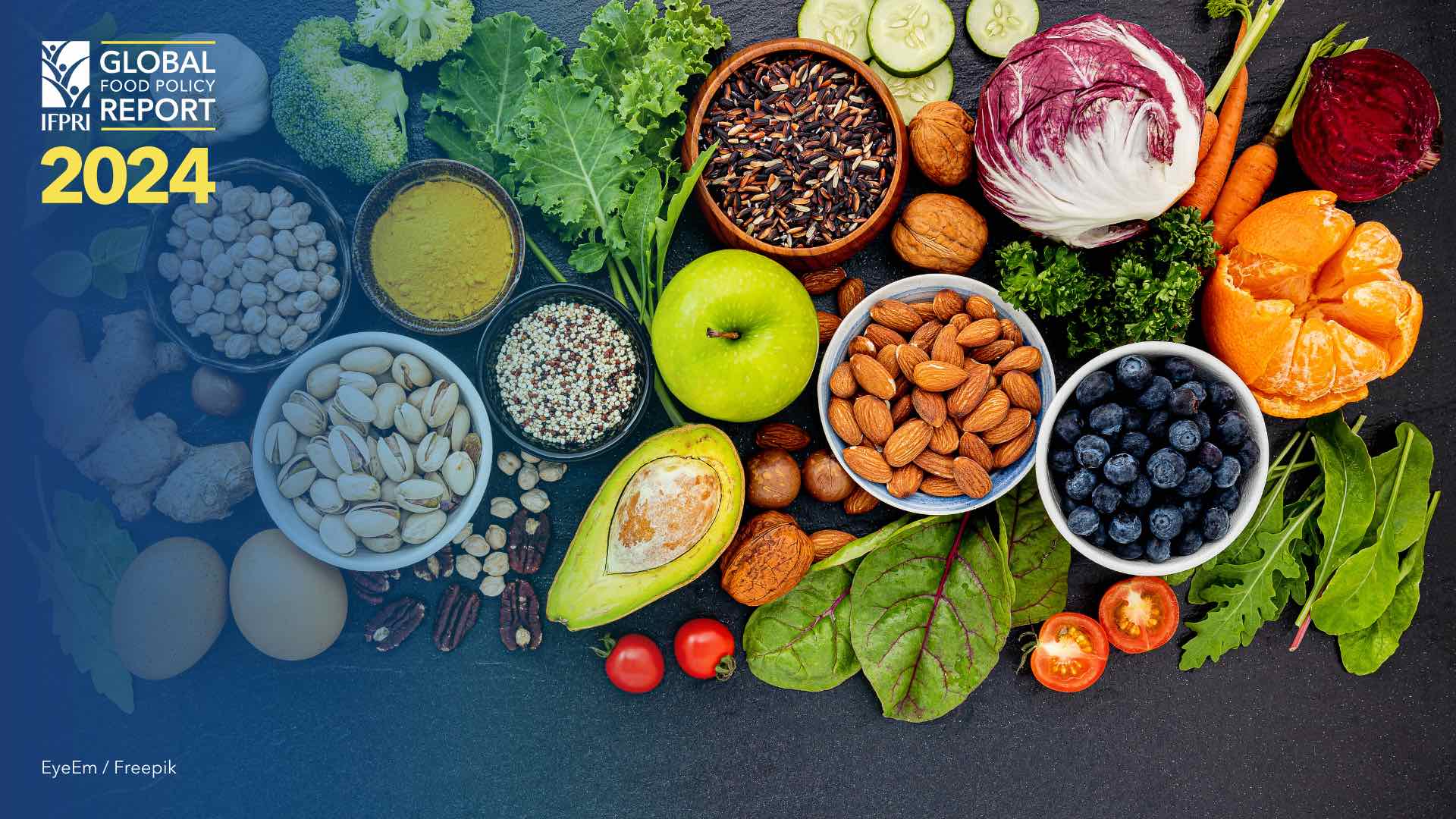
Transforming food systems for sustainable healthy diets: A global imperative
The 2024 Global Food Policy Report focuses on the pivotal role of nutrition.
-
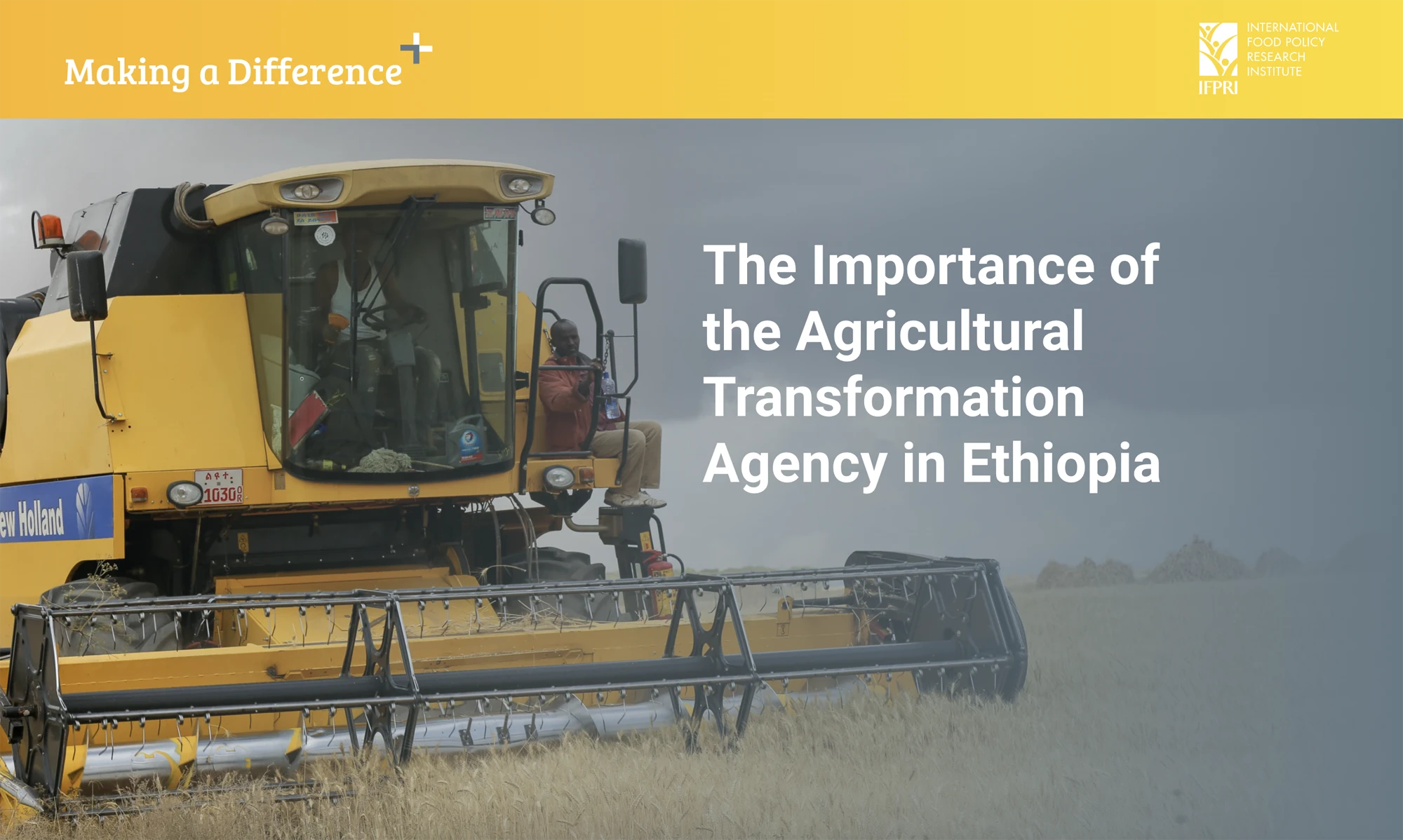
The importance of the agricultural transformation agency in Ethiopia
IFPRI’s work in catalyzing innovation.
-
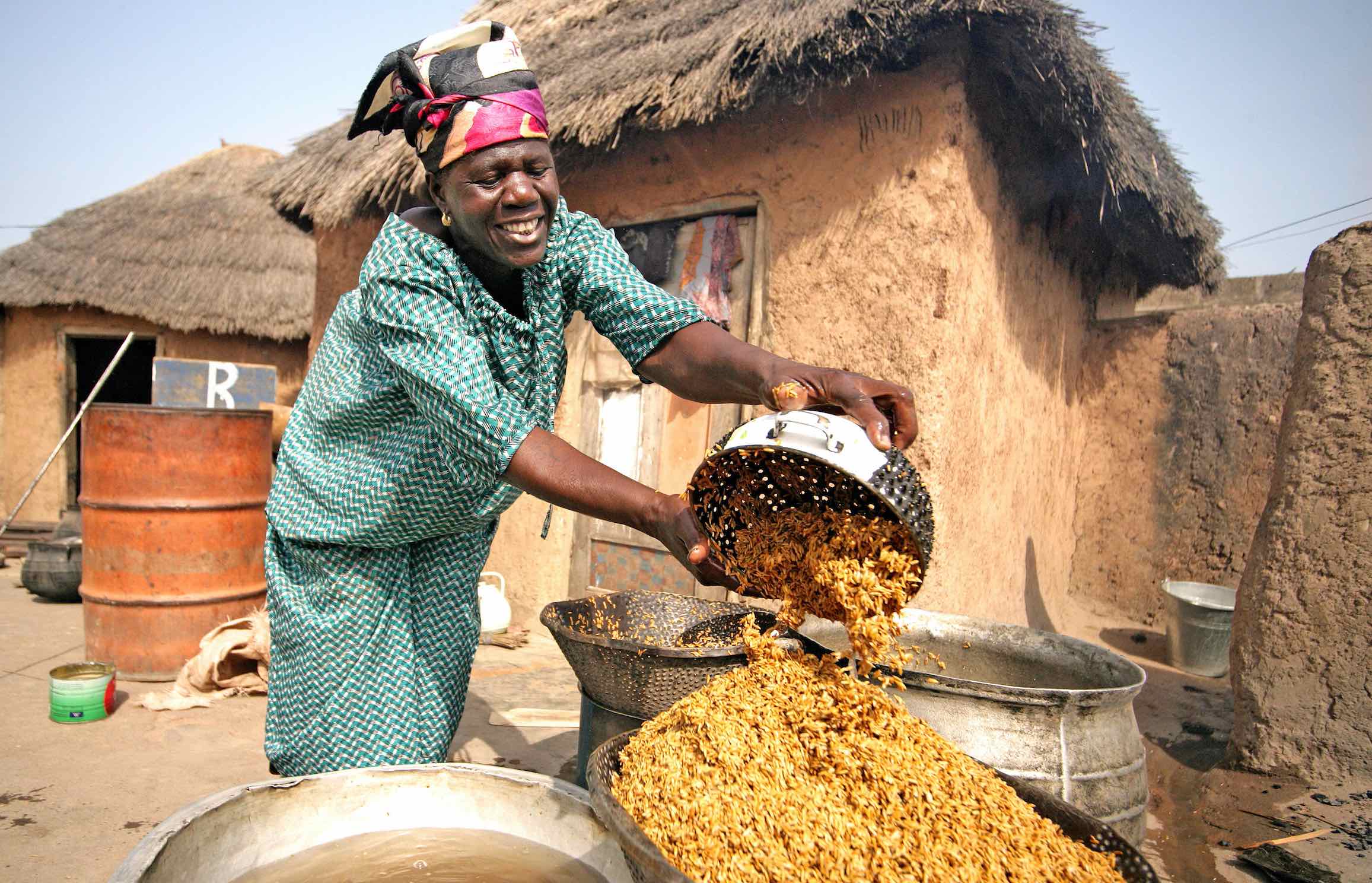
Adapt, assess, progress: Integrating measures of women’s empowerment into rural development projects
A new tool developed by IFPRI and IFAD.
-
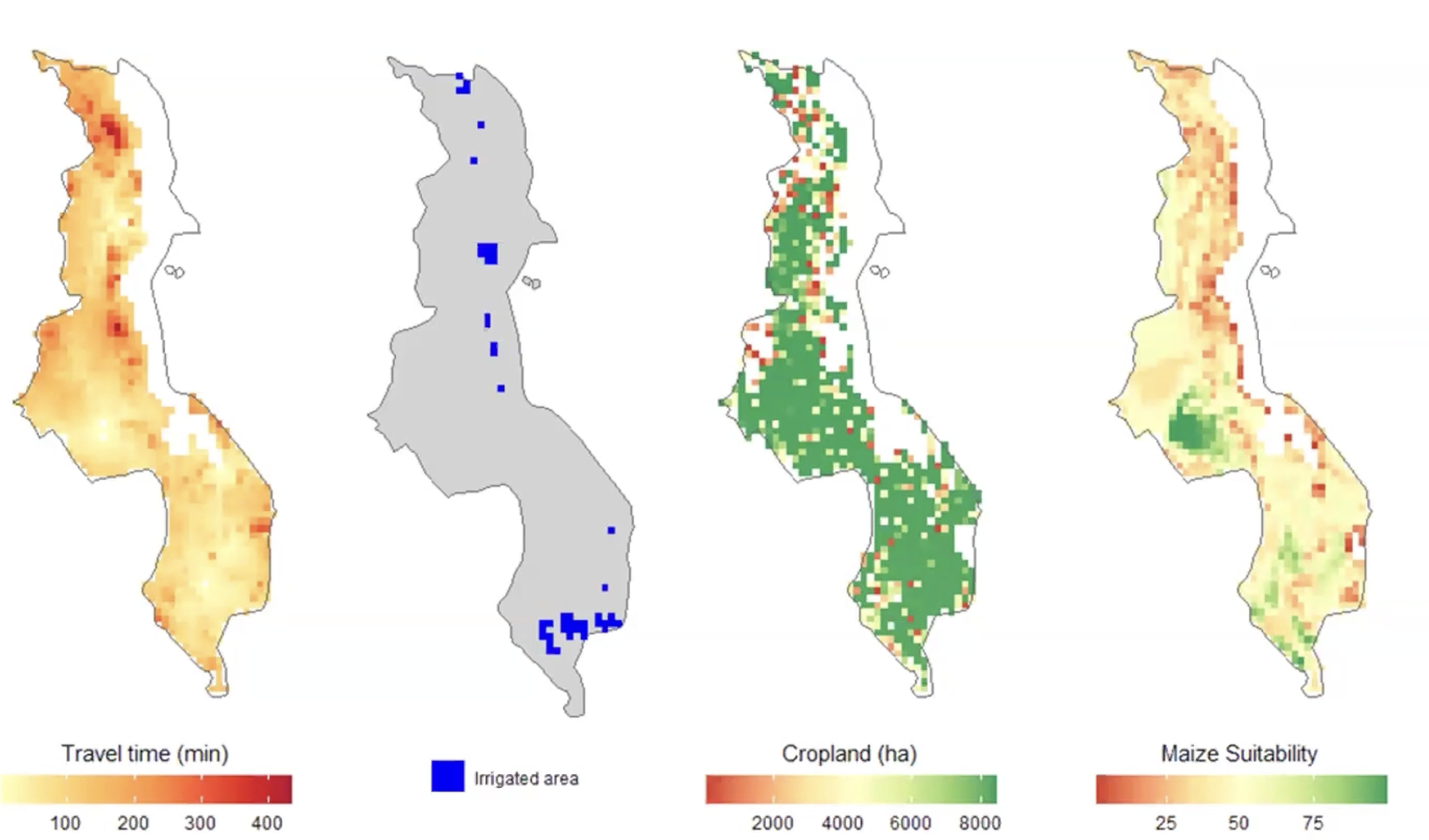
Webinar: Launching SPAM2020, the latest innovation in global crop mapping
Tools for understanding global trends.
-
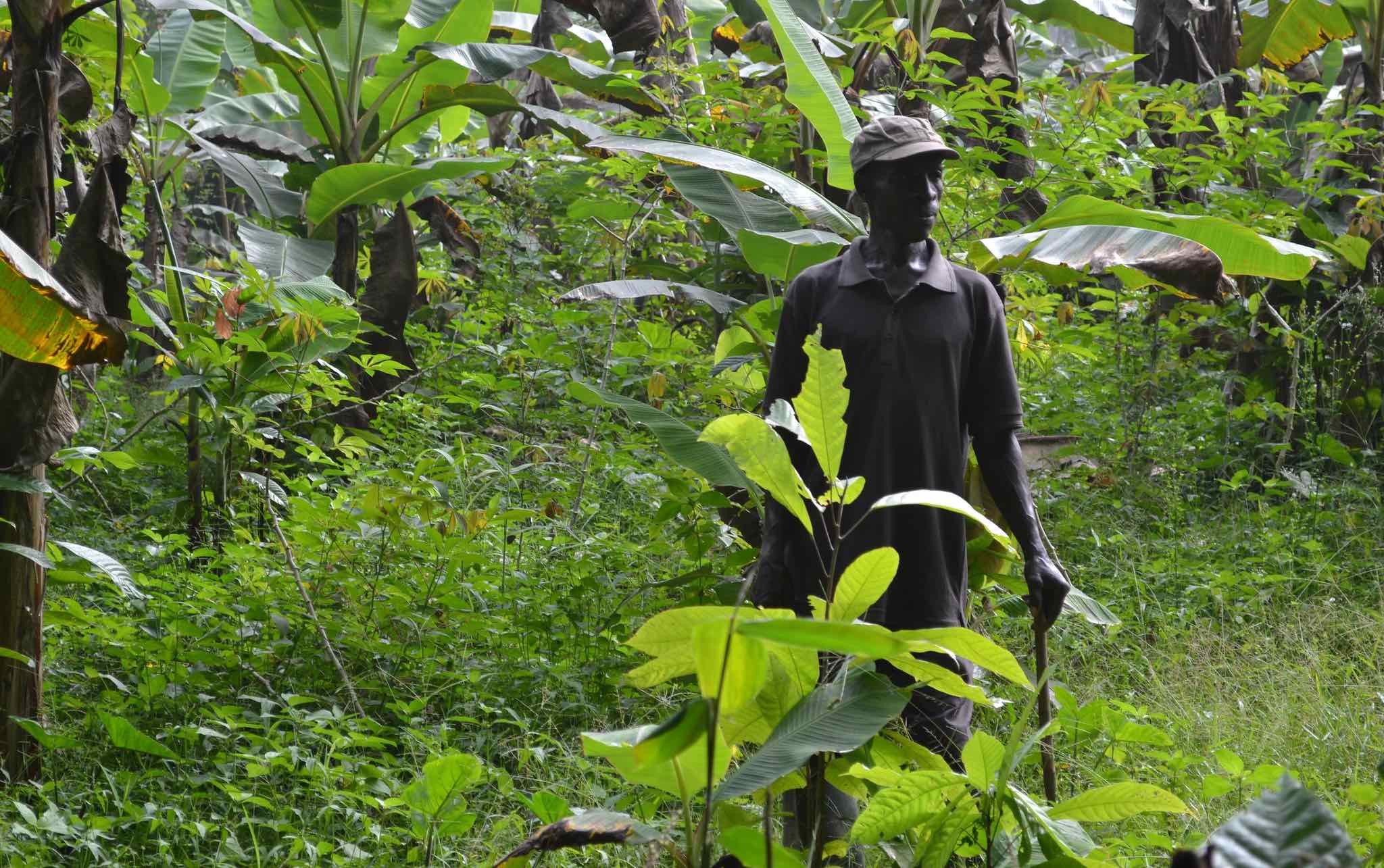
Soaring cocoa prices: Diverse impacts and implications for key West African producers
Effects of climate change and El Niño.
-
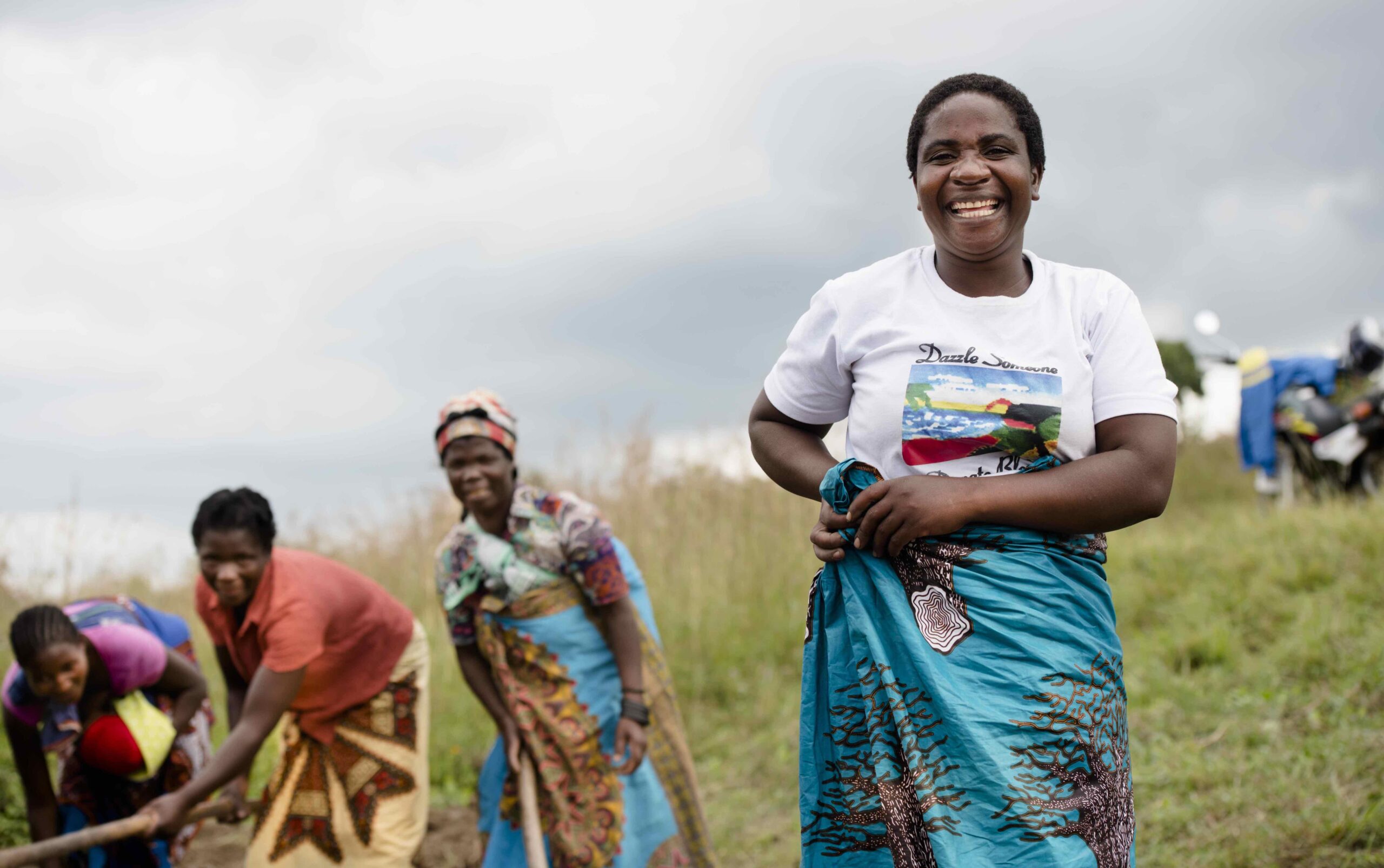
To improve Africa’s soil health and plant nutrition, empower women farmers
A contintental summit offers an important opportunity.
-
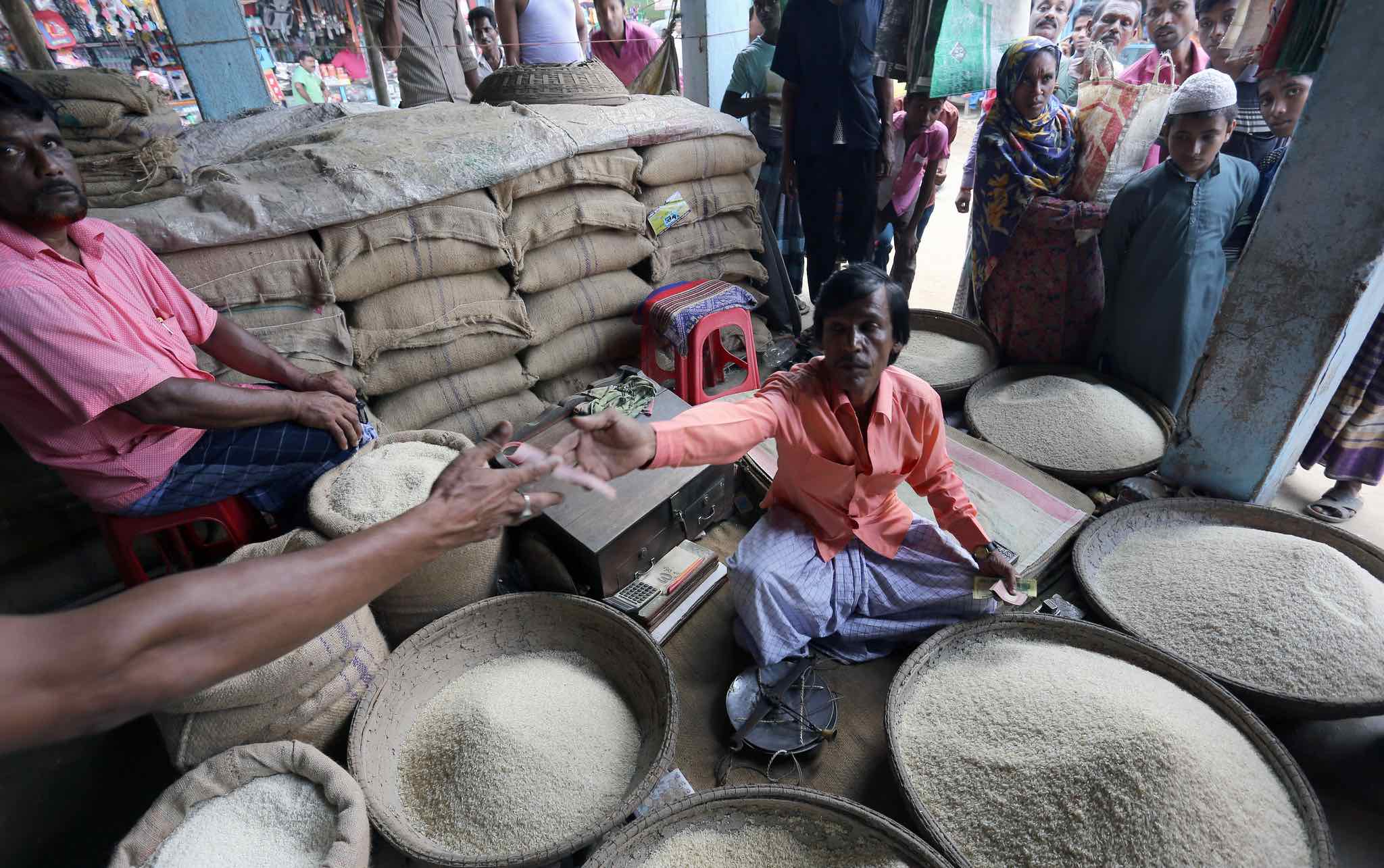
Research-backed policy to eliminate miniket rice in Bangladesh will improve nutrition
Over-processing removes essential nutrients.
-
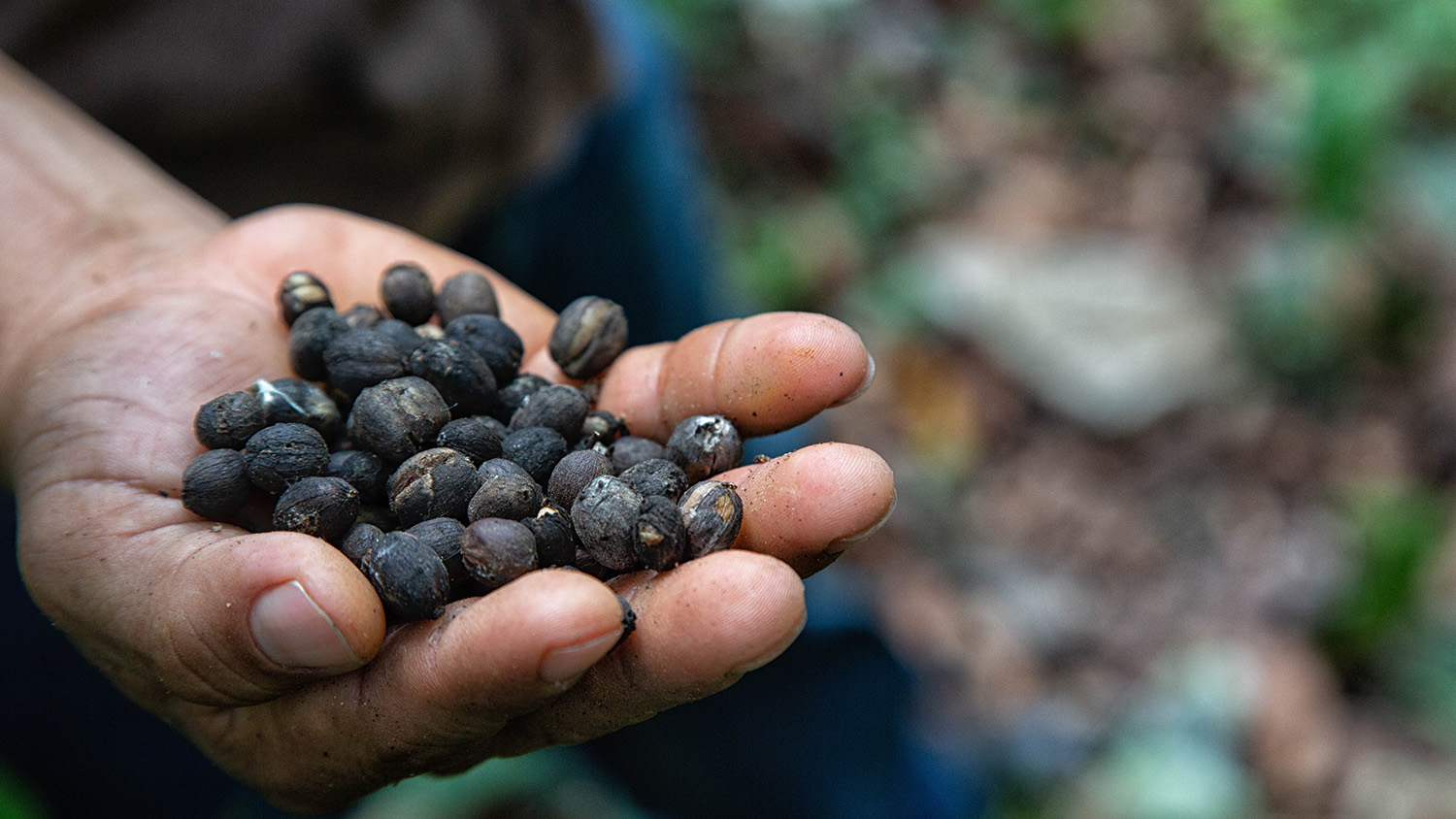
Exploring gender roles and women’s empowerment in the coffee value chain and coffee cooperatives: Evidence from Mexico
Women in rural coffee production face opportunities and obstacles.
-
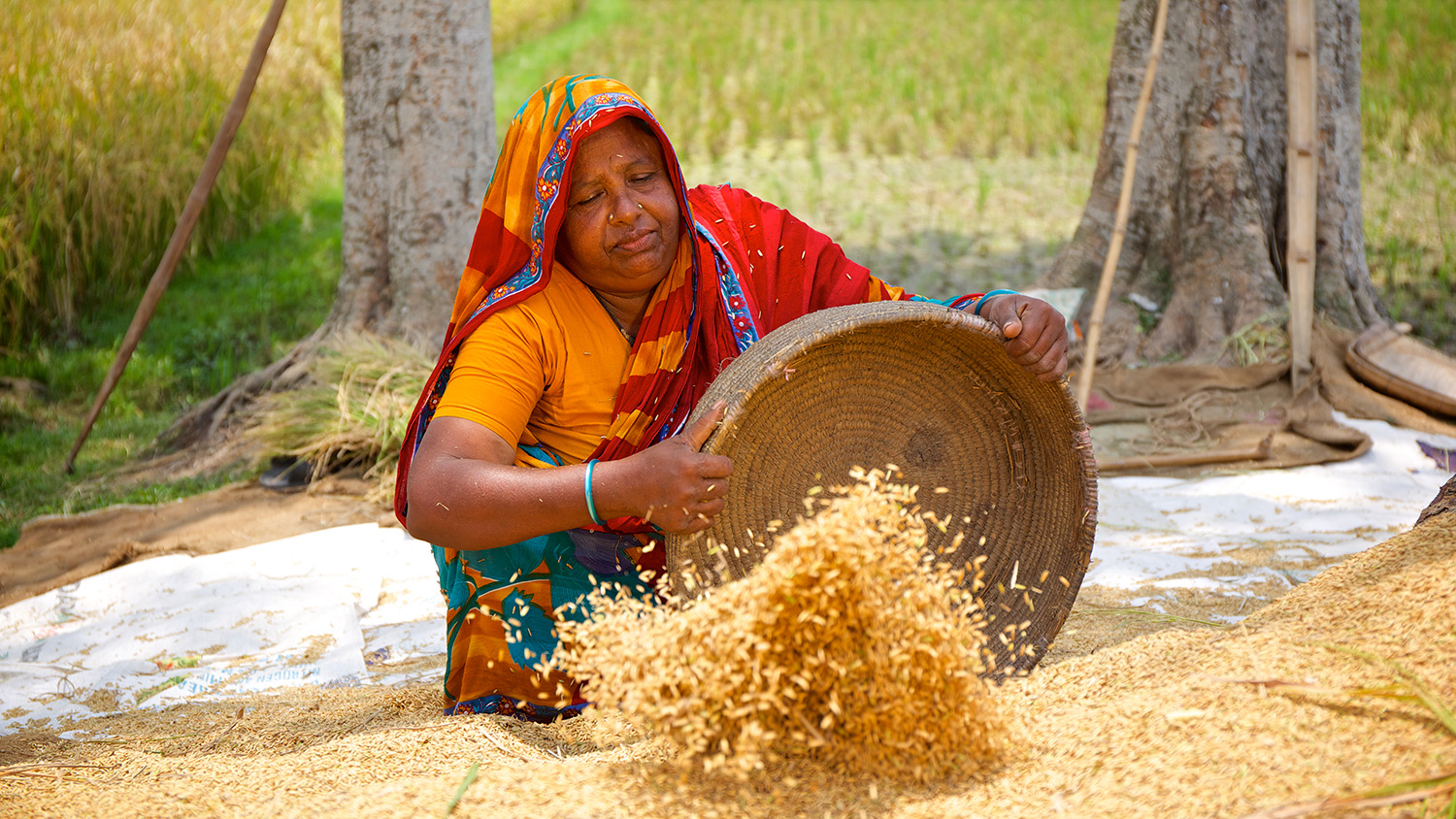
Addressing the global, life-long health impacts of zinc deficiency: A call to action
What an array of studies shows about a key nutritional challenge
-
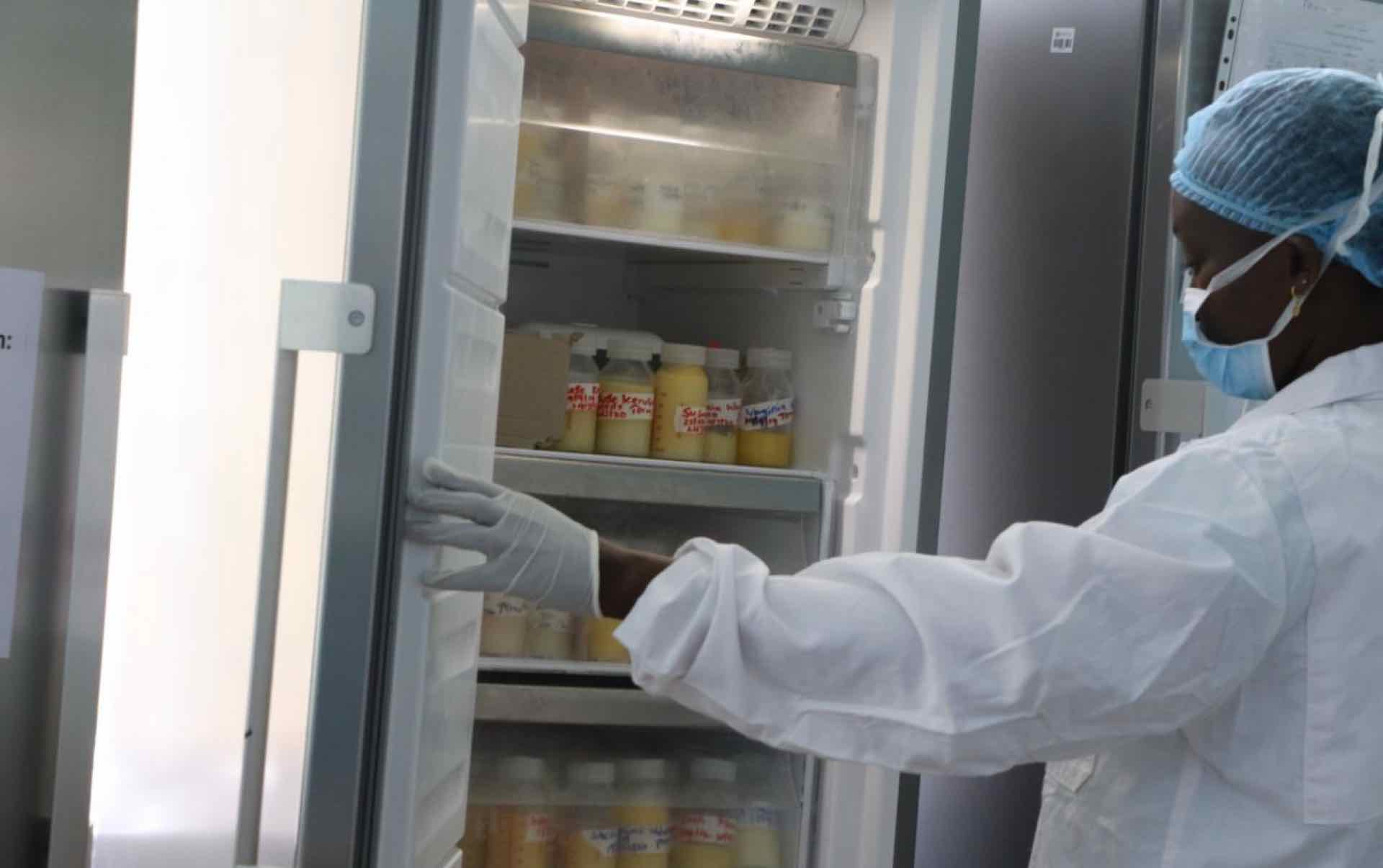
Study: Human milk banks offer a promising option to address sub-Saharan Africa’s staggeringly high neonatal mortality rates
Positive impacts of a program in Kenya.
-
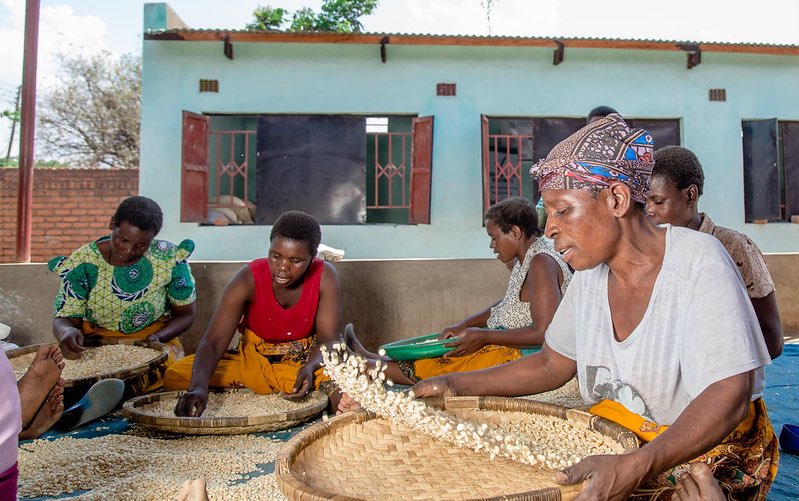
Act now to address Malawi’s looming food crisis
Harvest shortfalls caused by severe drought conditions.
-
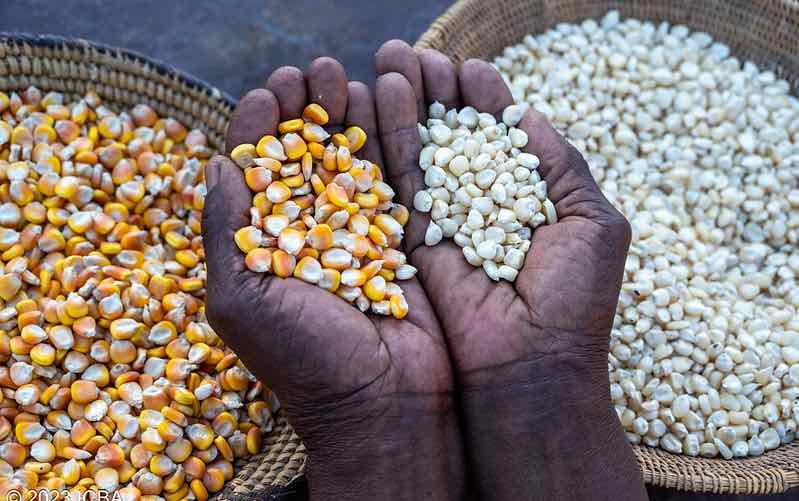
Southern Africa drought: Impacts on maize production
With harvests of a key staple falling, some positive signs.
-
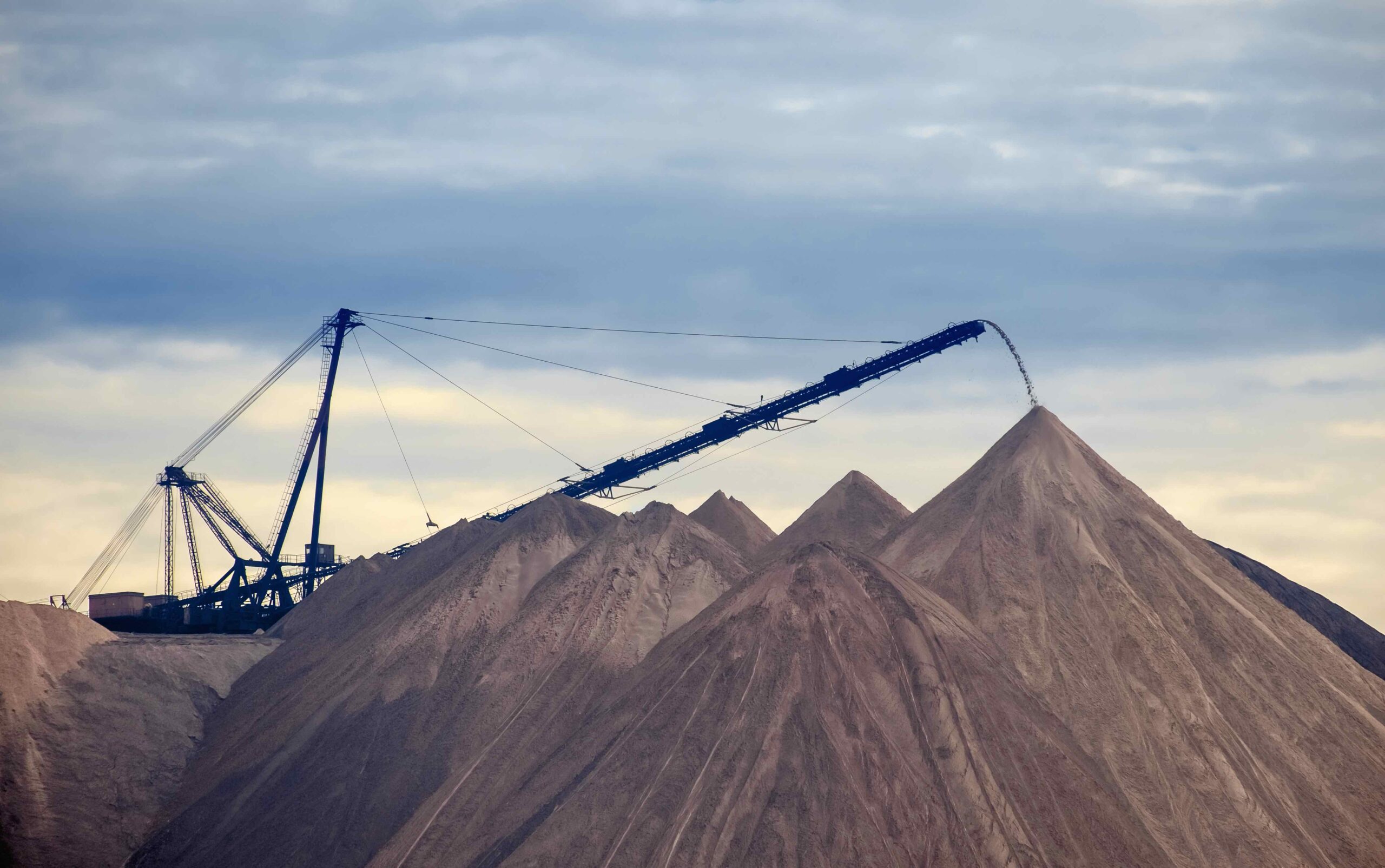
Global fertilizer trade 2021-2023: What happened after war-related price spikes
Impacts of shifting market flows.
-

The war in Ukraine continues to undermine the food security of millions
The struggle to recover amid conflict.
-
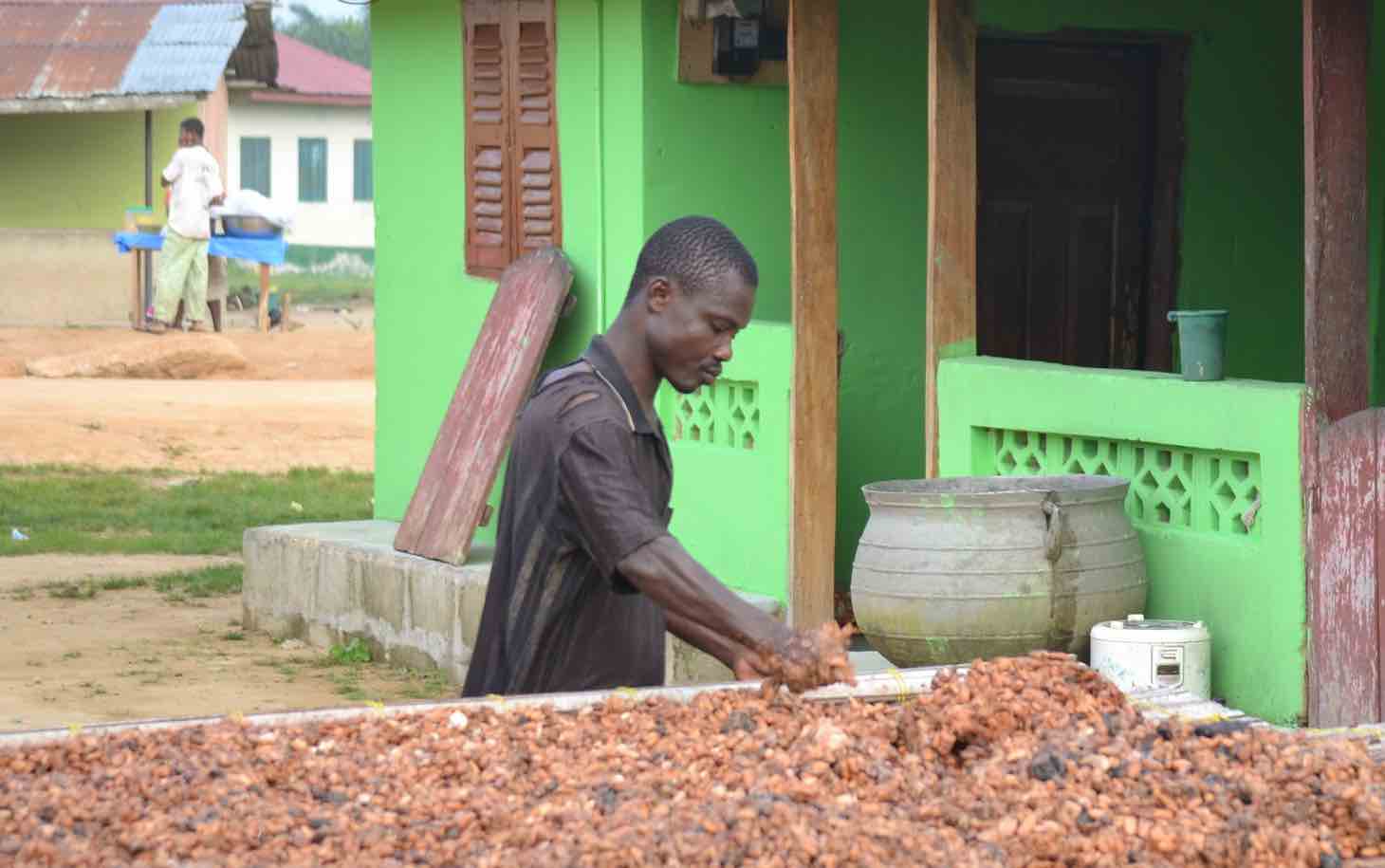
Global cocoa market sees steep price rise amid supply shortfall
Weather and other factors trigger volatility.
-
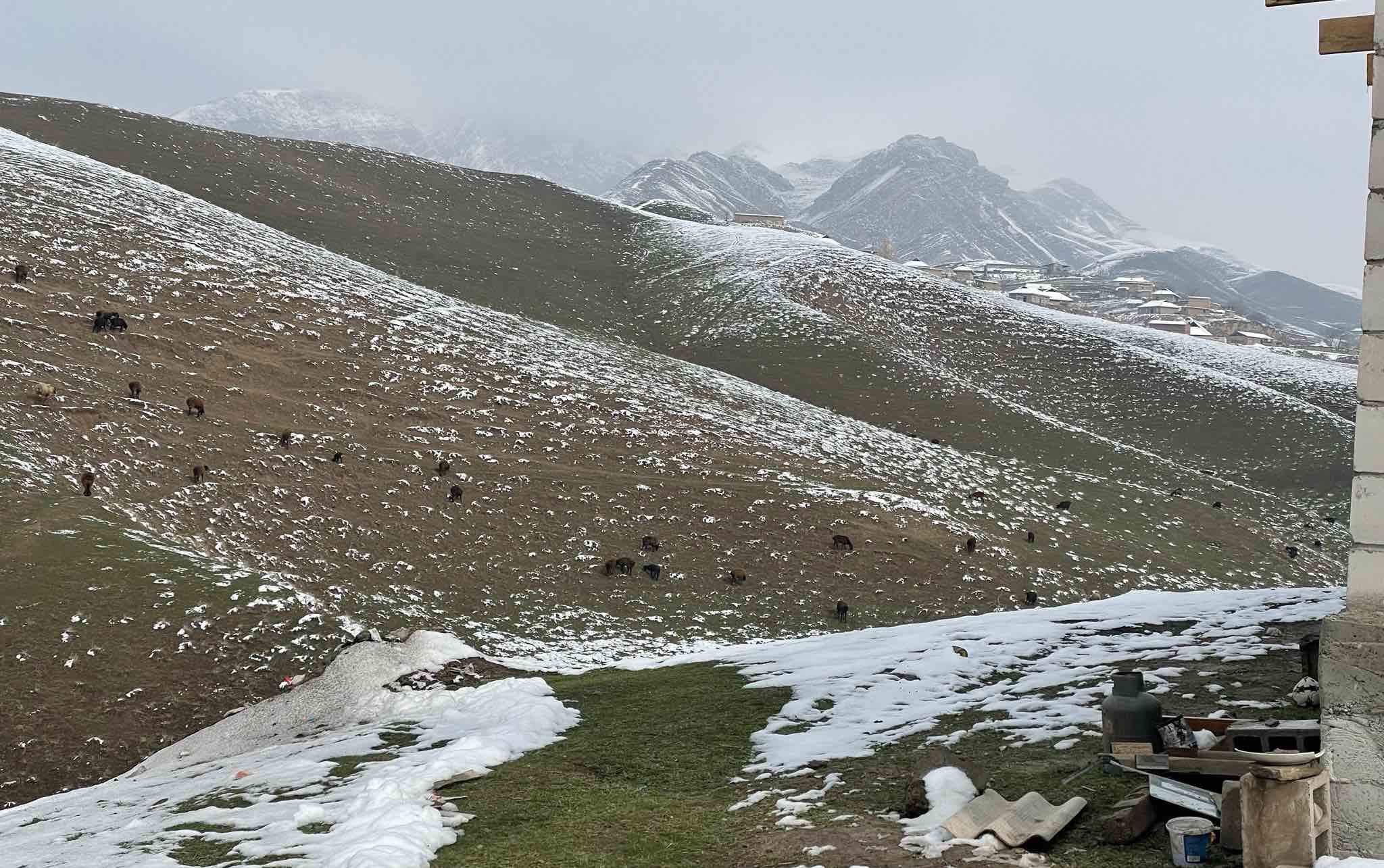
A changing landscape: Plots, crops, infrastructure, and livestock in the Khatlon Province
Evolving practices with potential impacts for nutrition.
-
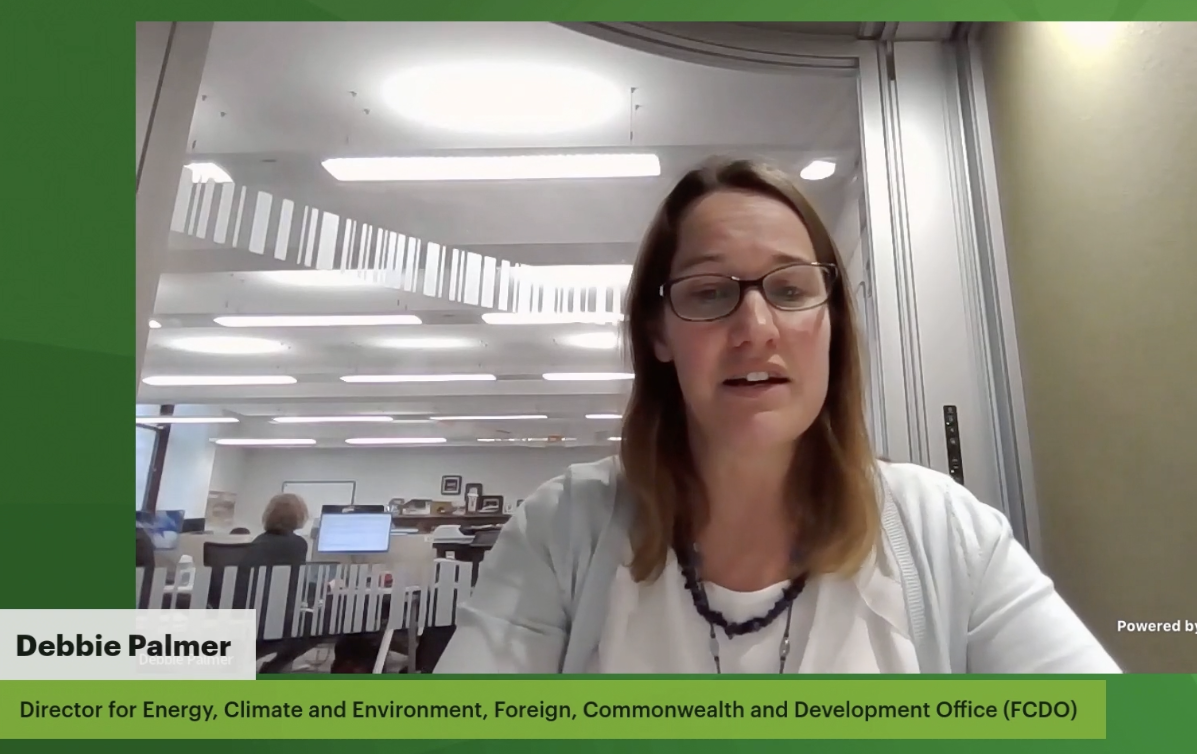
Policy seminar: Reforming agricultural policies to sustainably transform food systems
Country experiences show the way forward.
-
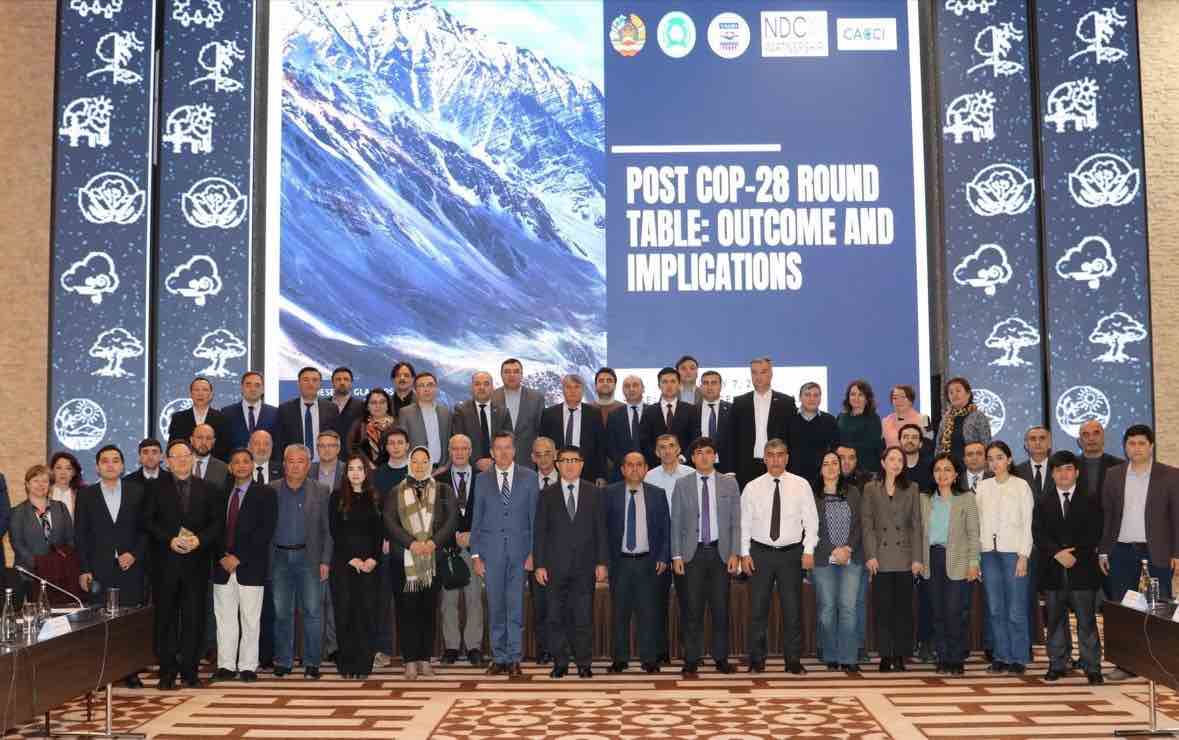
An evidence-based approach to climate change in Central Asia: Tajikistan and the Global Methane Pledge
Evidence-driven policymaking yields progress on key goals.
-
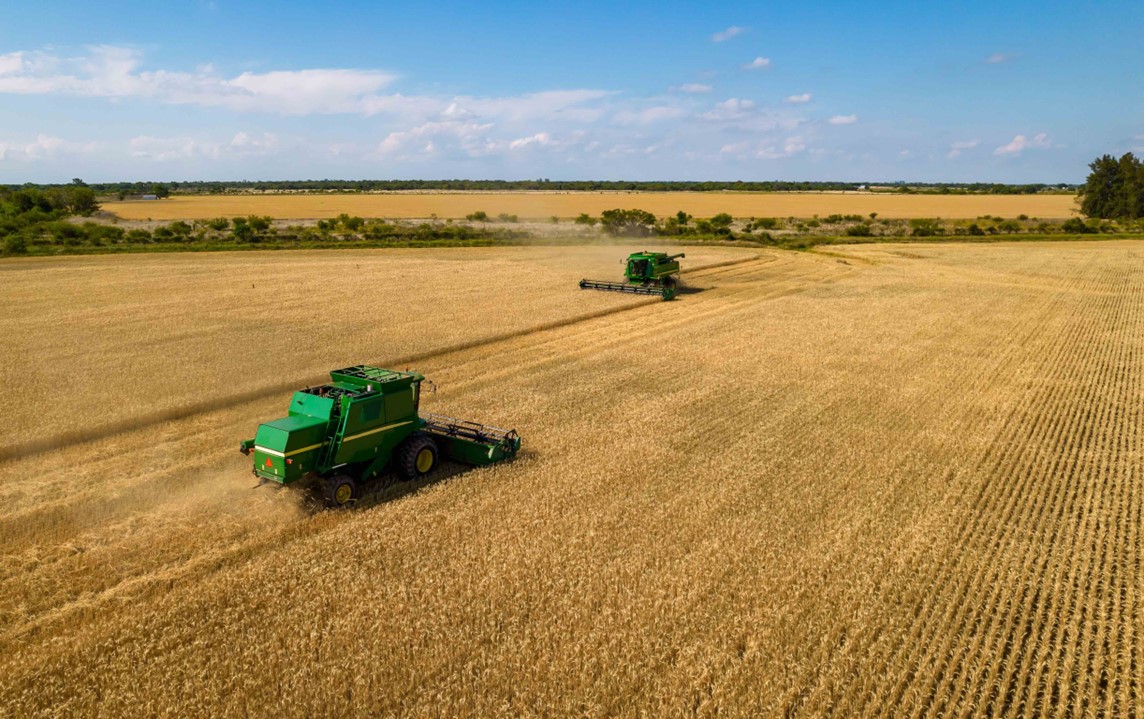
The fallout from COVID-19, land grabs, and deforestation in Argentina’s Gran Chaco Forest region
Overlapping impacts on indigenous communities and a key ecosystem.
-
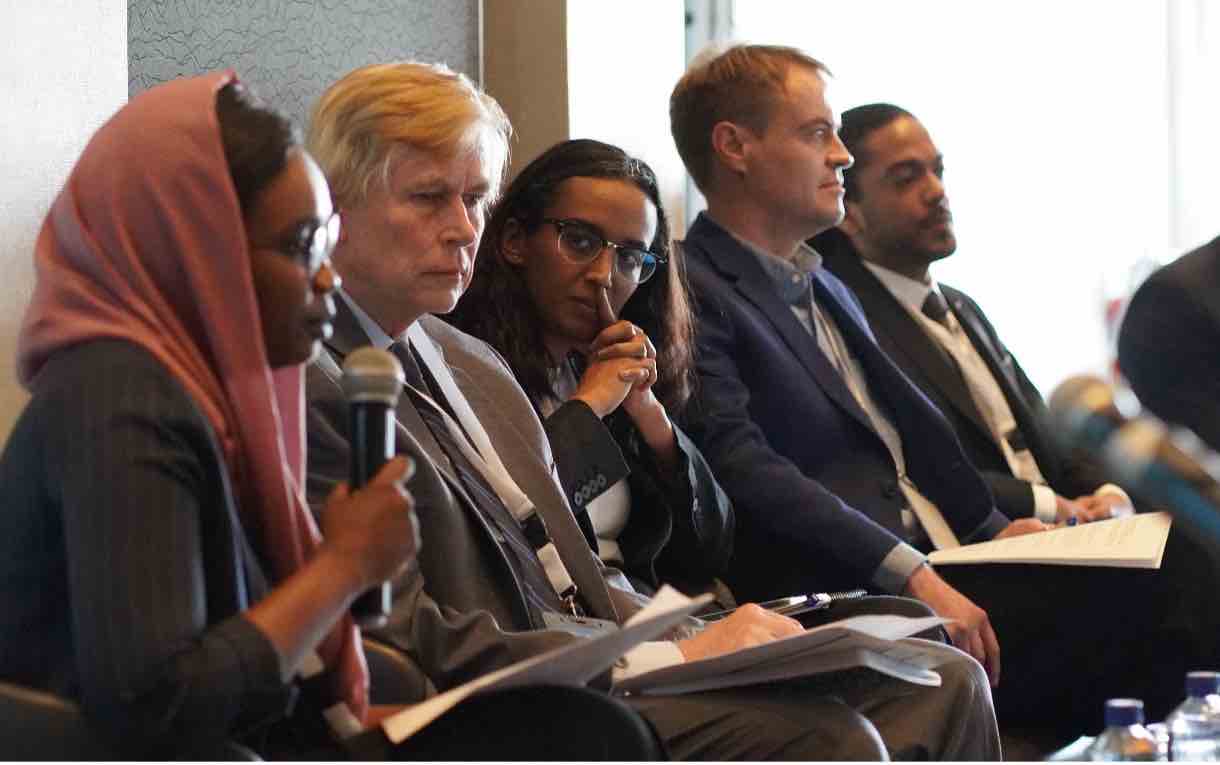
مؤتمر: استكشاف أبعاد الصراع في السودان – رؤى بحثية وتداعيات السياسات
Assessing impacts of war and resilience strategies.
-

Conference: Navigating Sudan’s conflict – research insights and policy implications
Assessing impacts of war and resilience strategies.
-
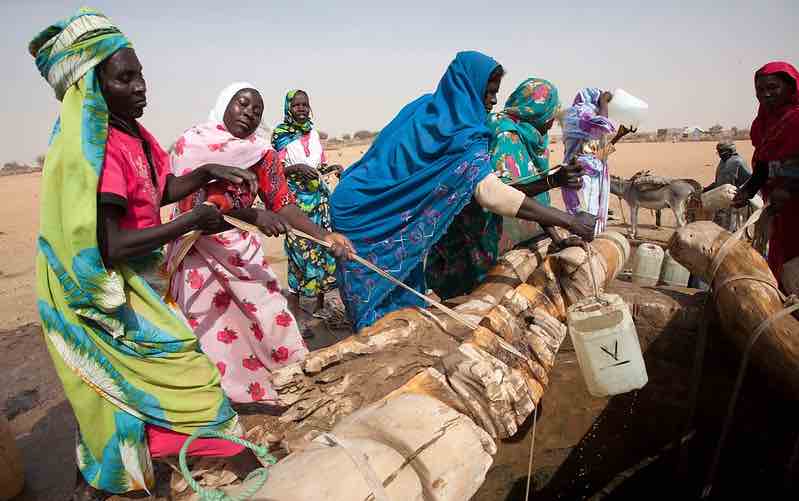
World Water Day 2024: Invest in women for peace and water security
Addressing global crises through a gender lens.
-
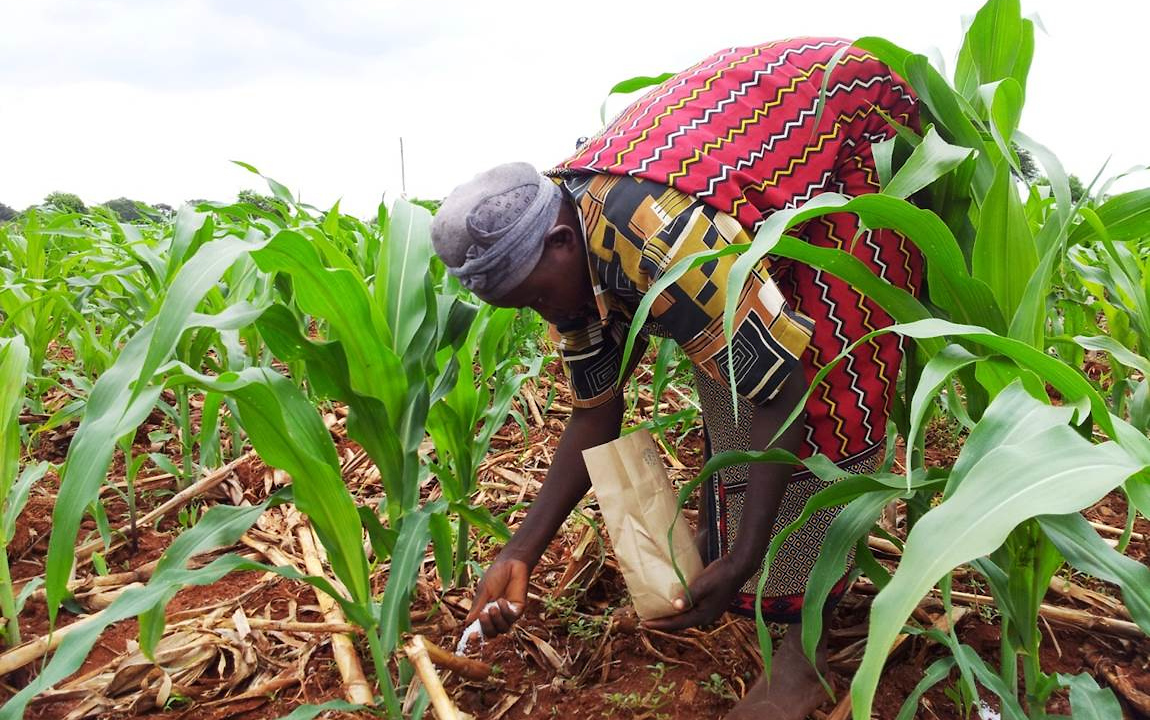
Who’s afraid of high fertilizer prices?
Assessing the impacts of recent spikes.
-

Famine in Gaza
A new analysis shows a deteriorating situation.
-
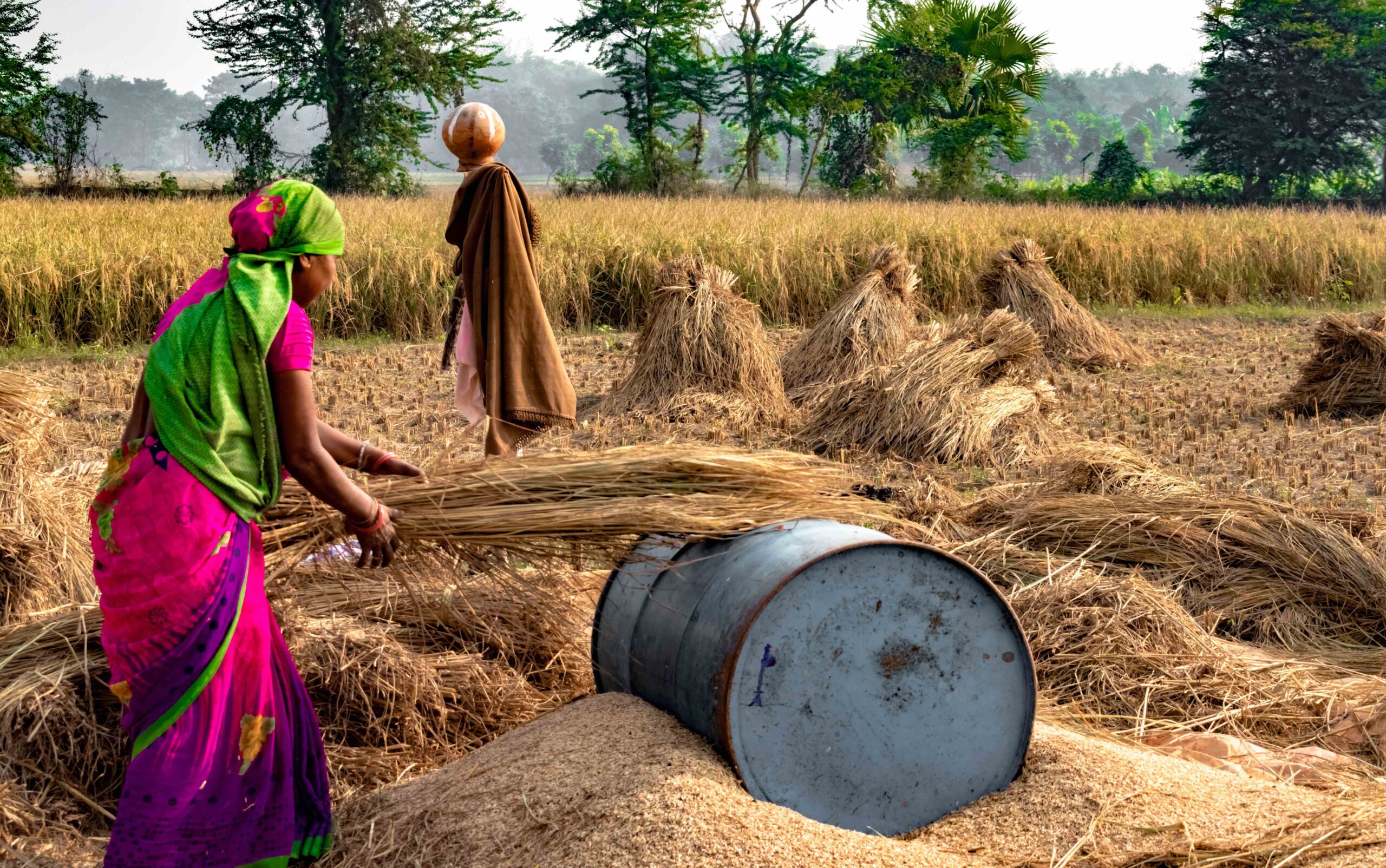
Shaping global agendas: The IFPRI Food Security Portal’s pathways to impact
Data tools provide key insights in a time of crisis.
-
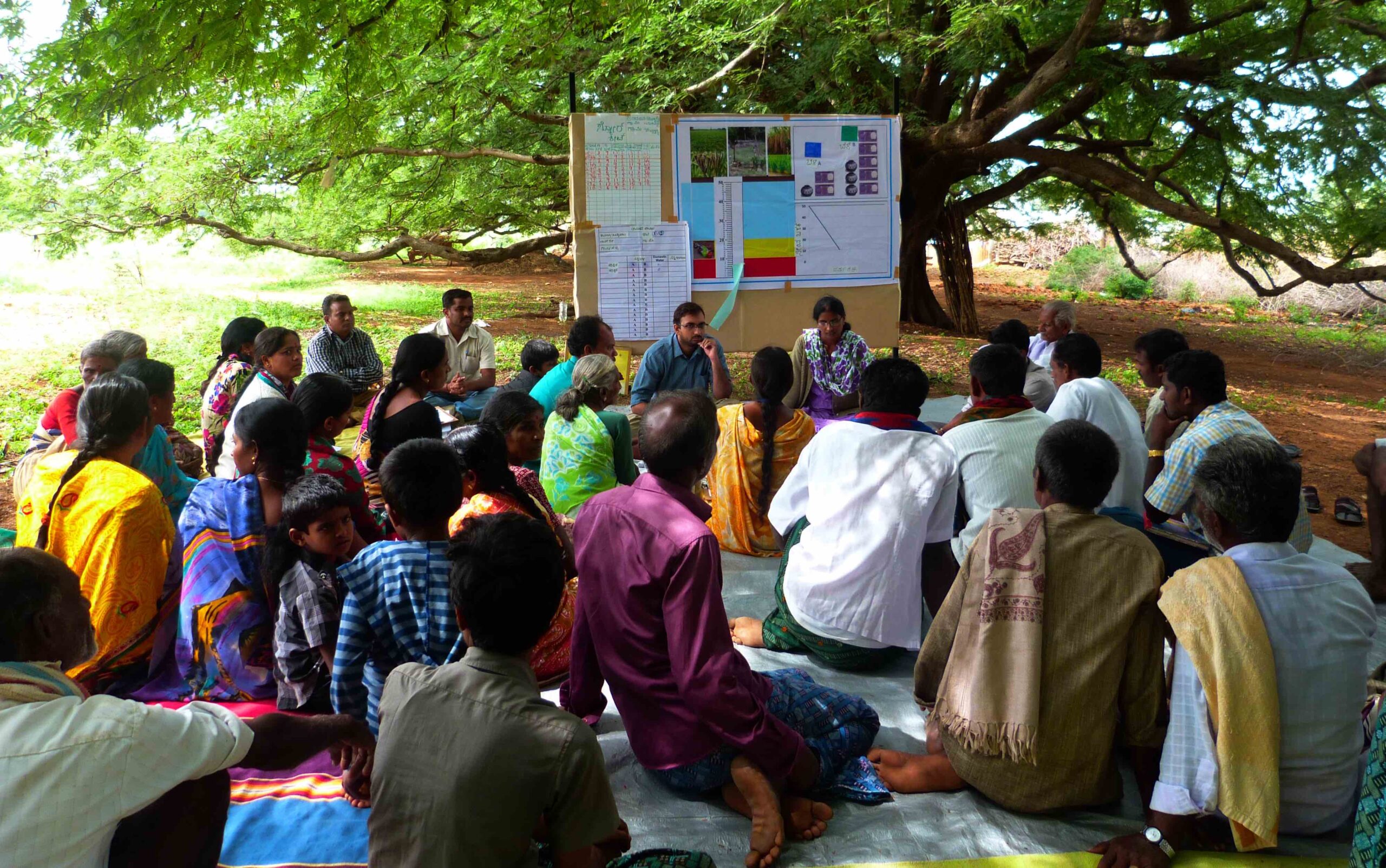
Playing the right game: A decision tree for choosing approaches to strengthen water governance
Fostering cooperative natural resource management.
-
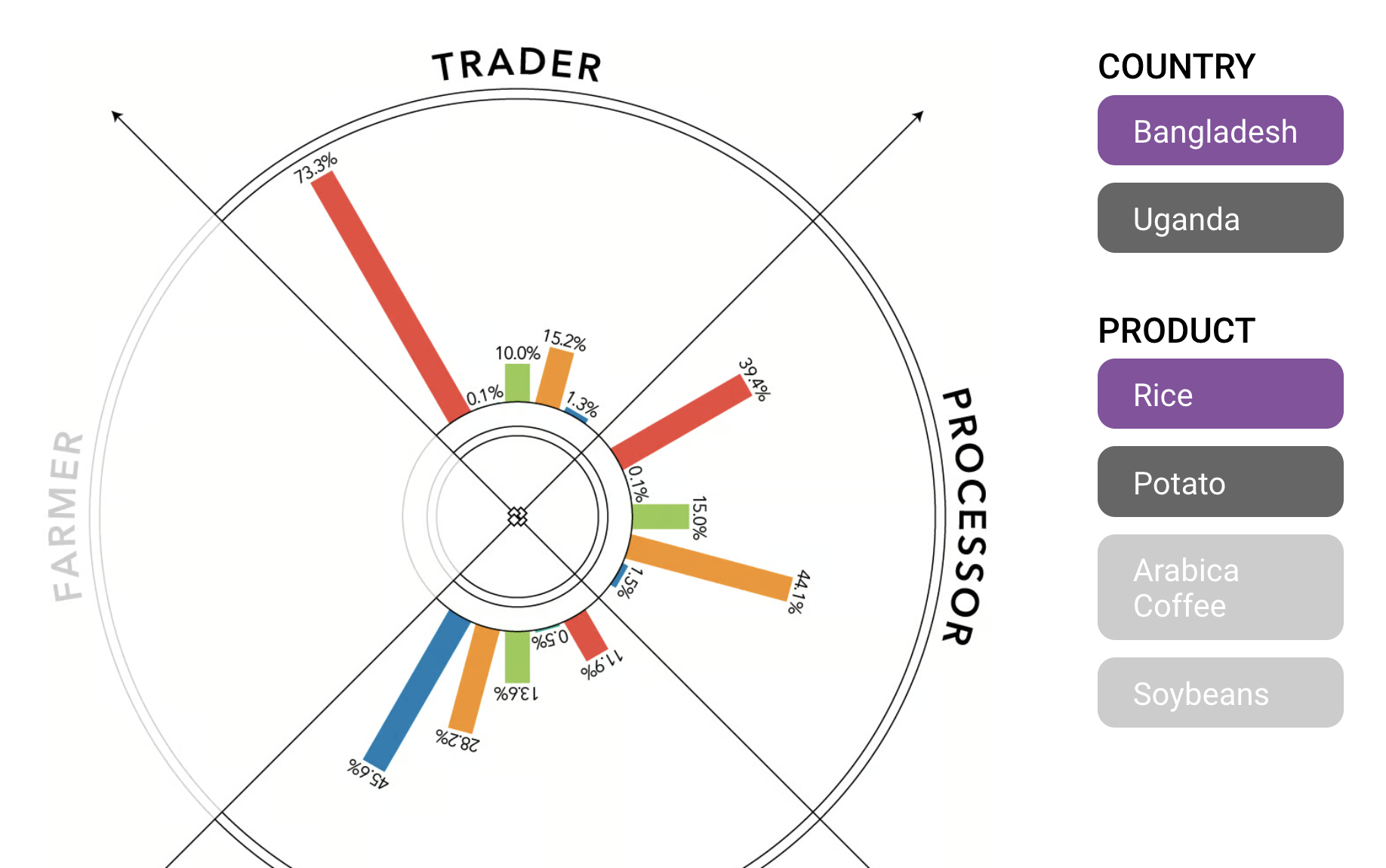
Agrifood Value Chains are Complex Transaction-Linked Networks
Why simplified linear approaches may fall short.
-
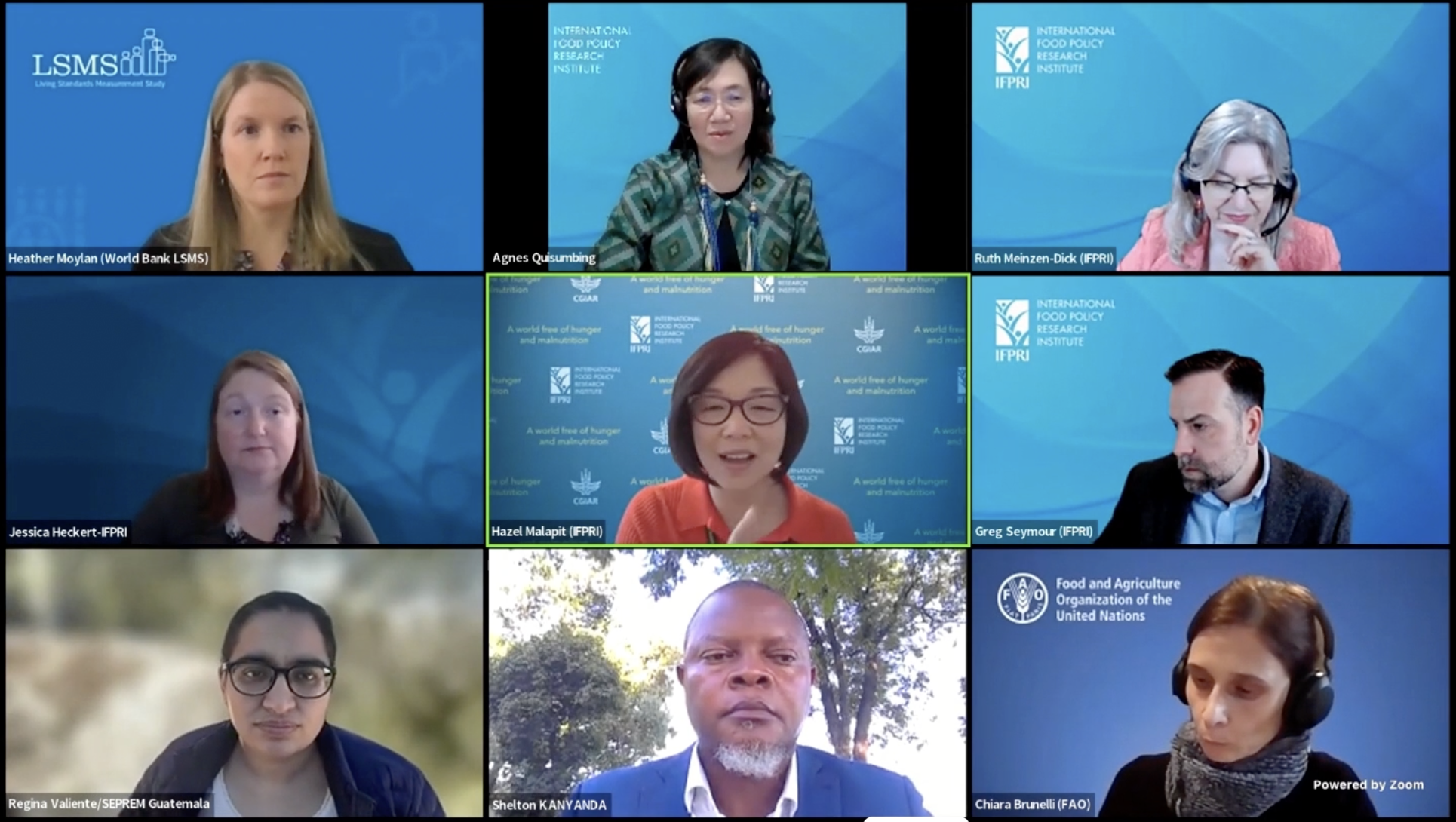
Policy seminar: Scaling up the new Women’s Empowerment Metric for National Statistical Systems (WEMNS) tool
Research on gender and women’s empowerment in food systems and global development is central to IFPRI’s mission. Here we mark International Women’s Day (March 8)—with the theme “Invest in Women: Accelerate Progress”—with an account of our continuing efforts to develop and deploy metrics on women’s empowerment in agriculture. The 2015 adoption of Sustainable Development Goal […]
-
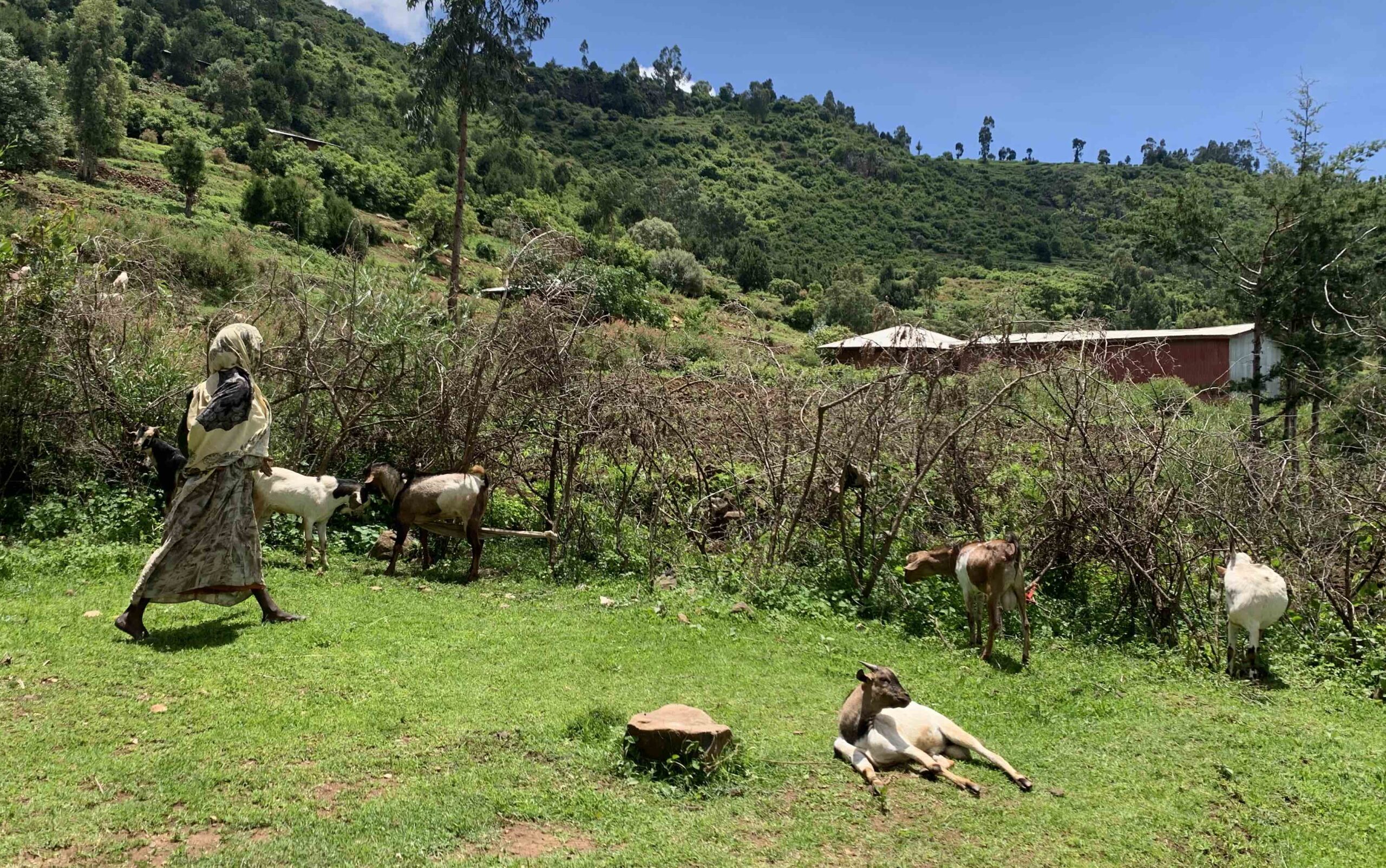
Do ultra-poor graduation programs build resilience against droughts? Evidence from rural Ethiopia
Safety nets can buttress households against climate shocks.
-
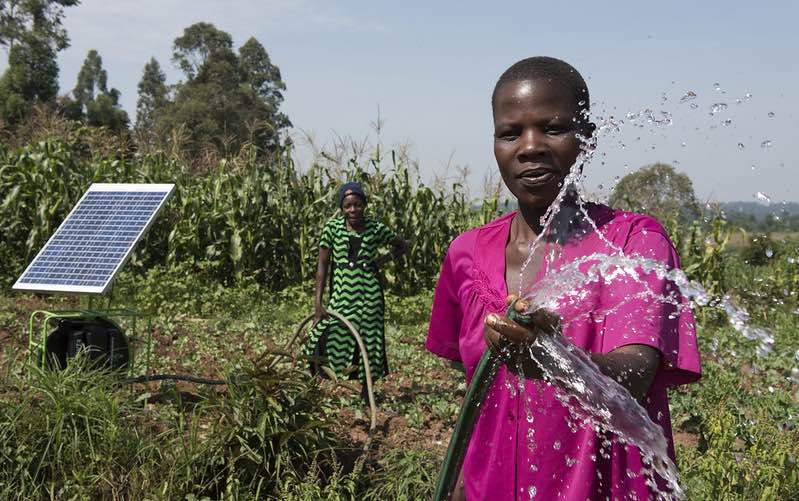
The path forward on global food system transformation
Comprehensive change can yield broad benefits, a new report shows.
-
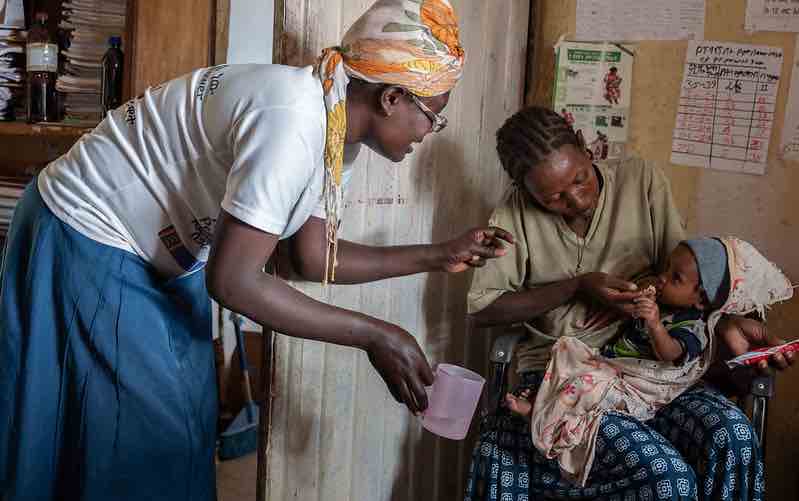
Rising food prices are putting children in harm’s way
New evidence quantifies significant negative health effects.
-
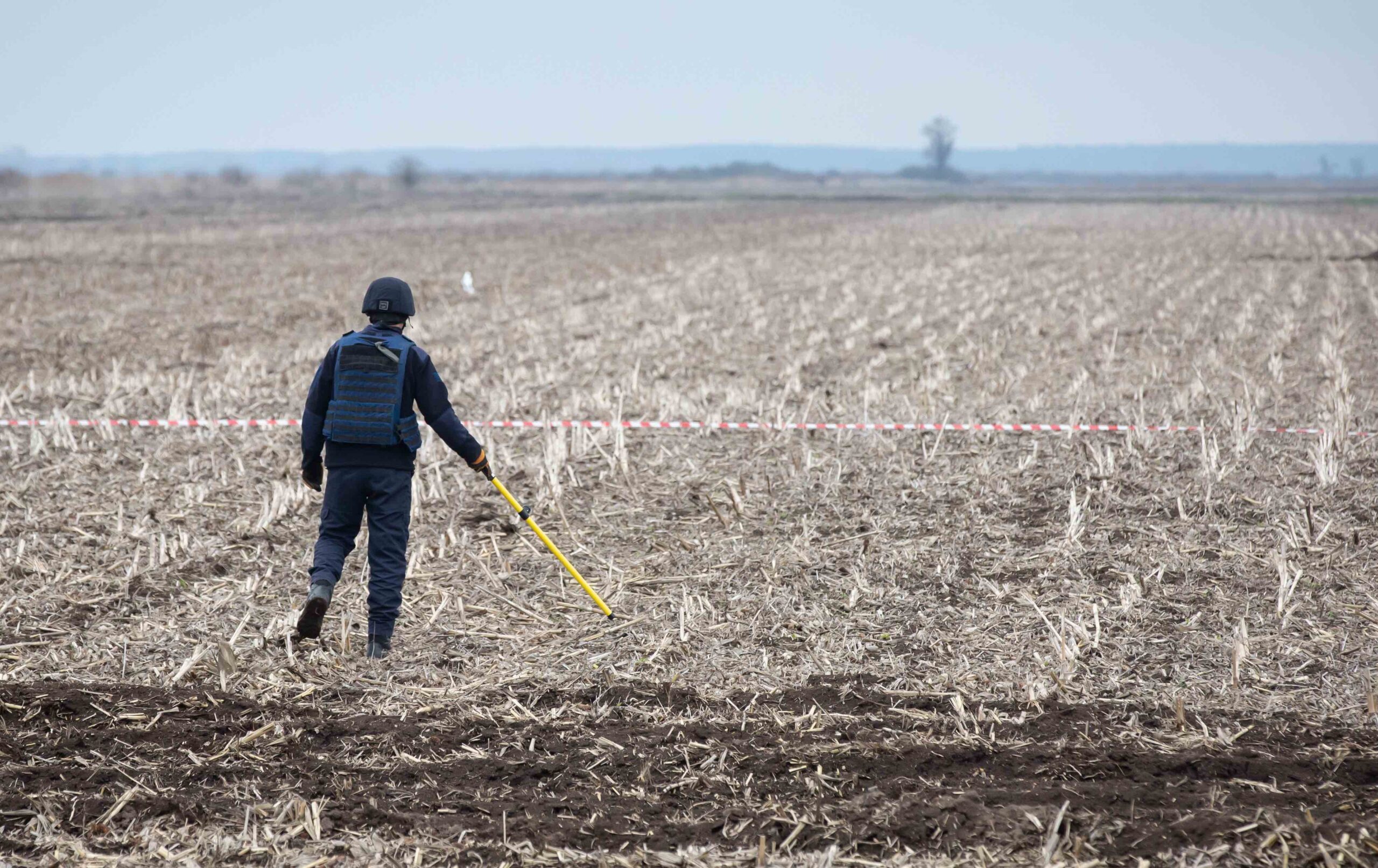
Ukraine and global agricultural markets two years later
A mixed picture for prices and food security.
-
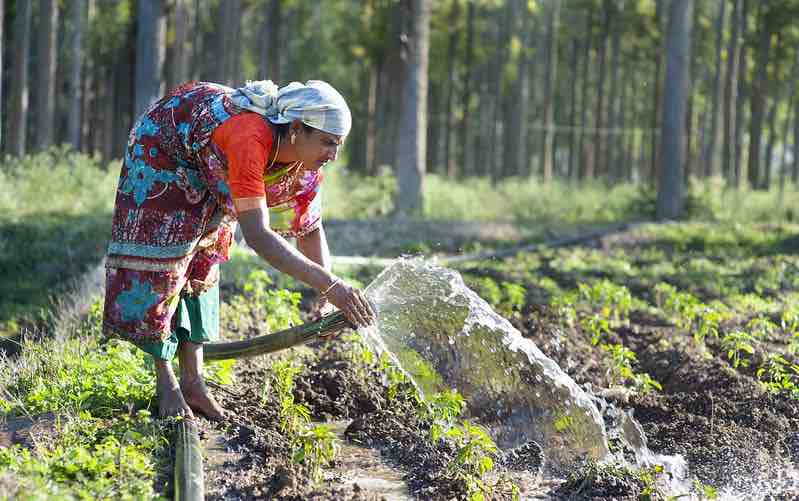
ANEW way forward: Strategies to promote women’s empowerment in farmer producer organizations
Examining a promising avenue for development programs.
-
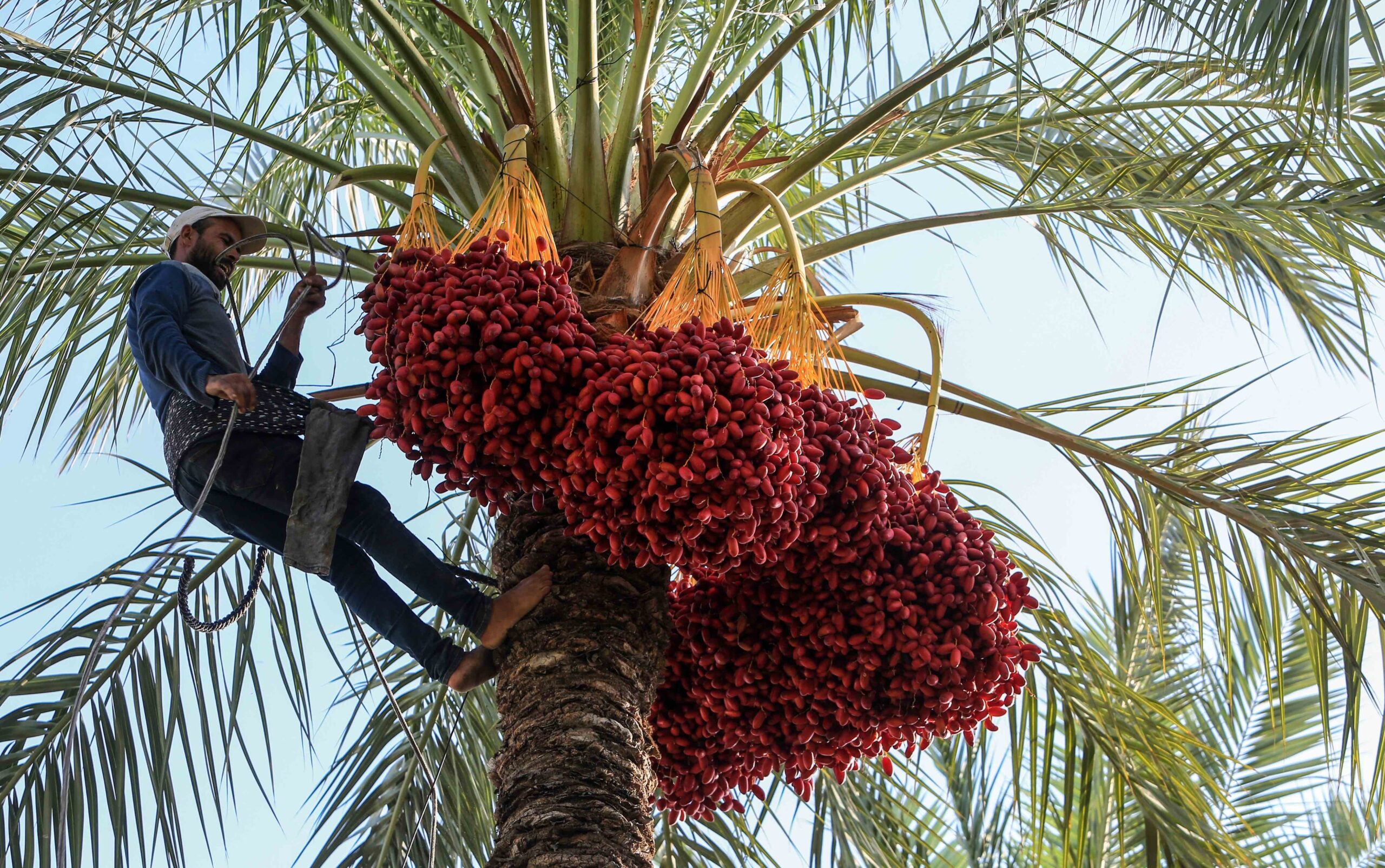
Long-lasting devastation to livelihoods from damage to agricultural lands in Gaza
The humanitarian crisis continues to worsen.
-

‘C’est la Vie!’: An impact evaluation of a Senegalese edutainment series to influence gender and violence outcomes
Benefits of a TV show’s positive messages.
-
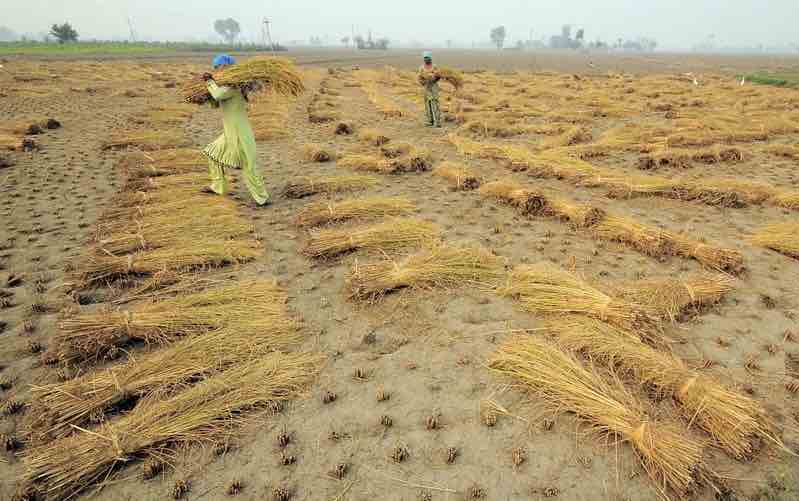
India’s export restrictions on rice continue to disrupt global markets, supplies, and prices
Six months after India introduced a set of export restrictions on rice with the aim of holding down domestic prices, global rice markets continue to feel the impact. The benchmark Thai white rice price (5% broken) has risen 22% since India’s export ban on non-basmati white rice took effect in July 2023 (Figure 1). Global […]
-
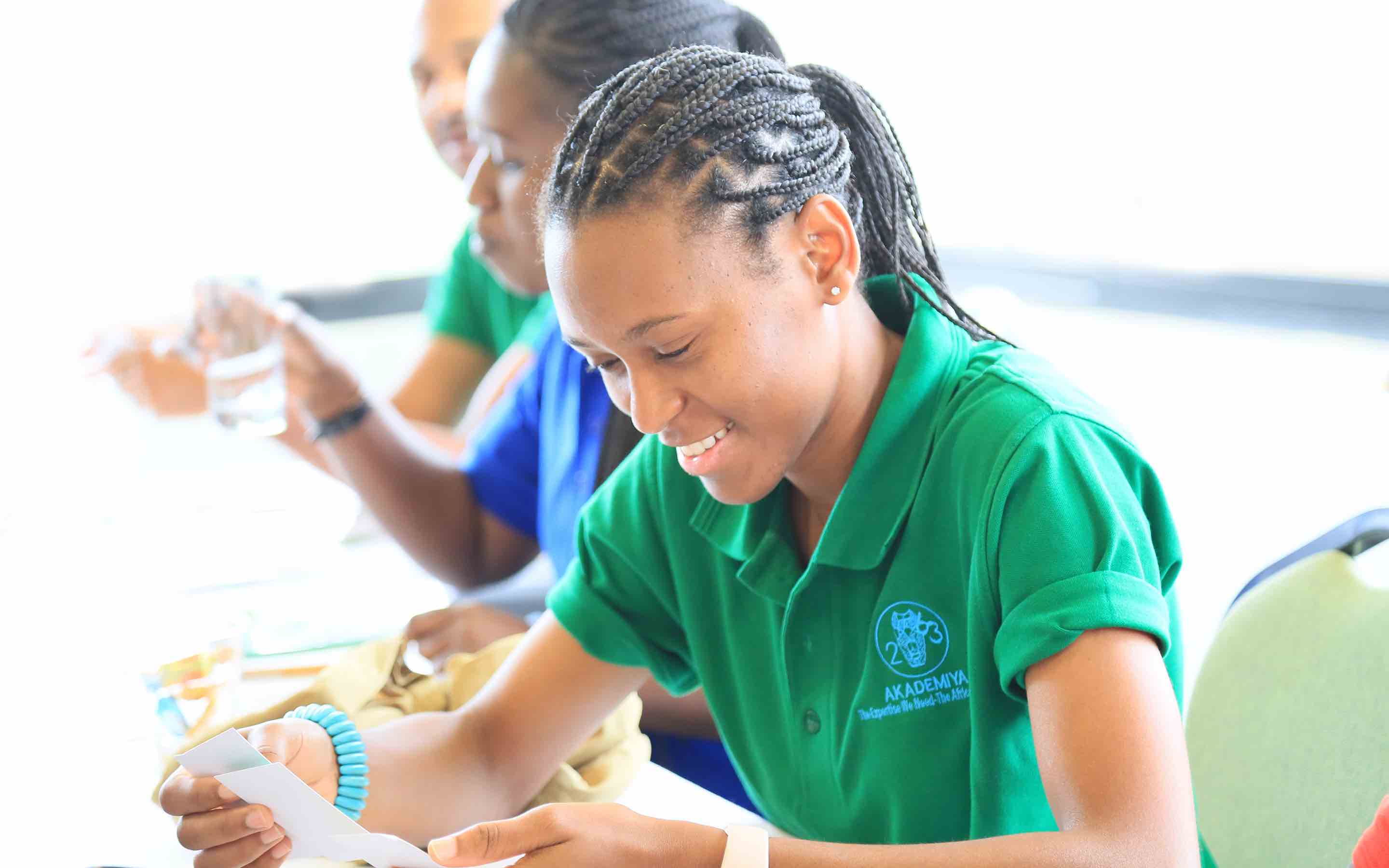
AKADEMIYA2063: A successful case of localization
A major research and policy effort transitions to African leadership.
-
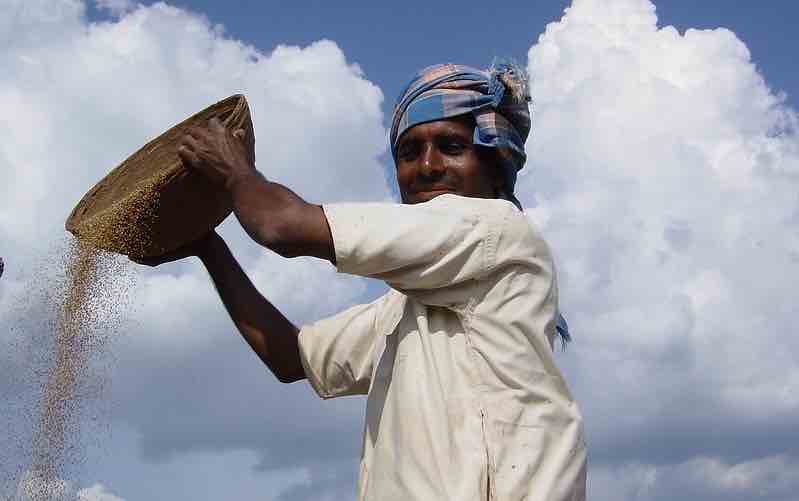
Expanding underutilized crops in Asia: The promise of millets for improving nutrition and sustainability
The many advantages of traditional food items.
-
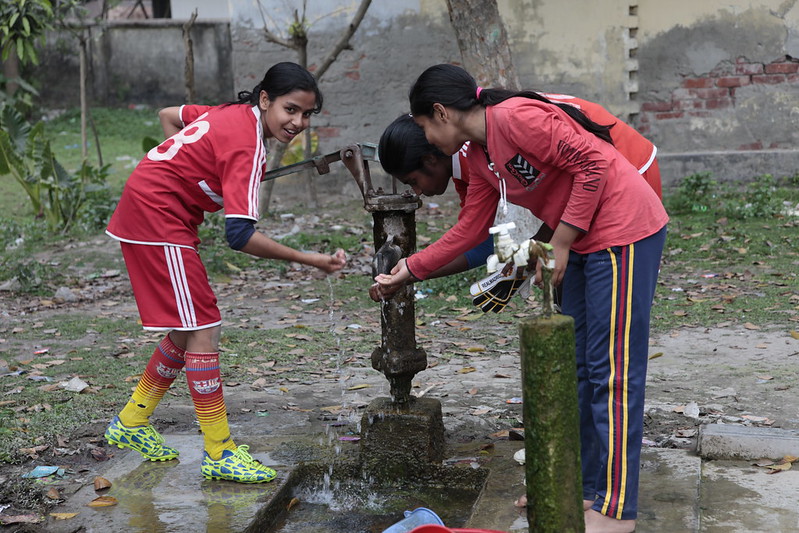
The impact of marriage timing on women’s agency: Evidence from rural Bangladesh
Delay has a range of positive impacts.
-

Impacts of Red Sea shipping disruptions on global food security
Potential fallout from Houthi attacks.
-
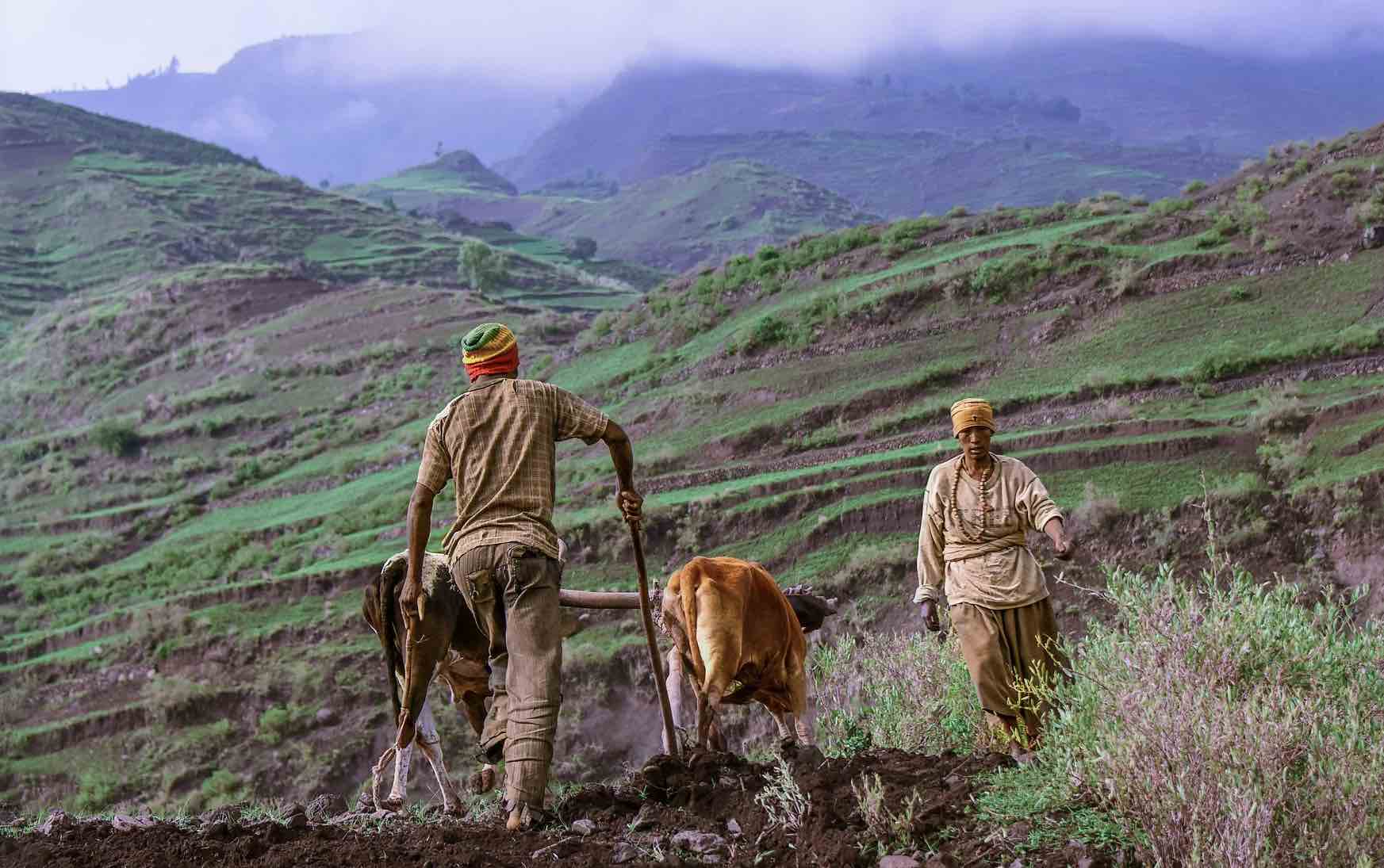
Grappling with compounding crises in domestic fertilizer markets in Africa: The case of Ethiopia
Local effects of global shocks persist.
-
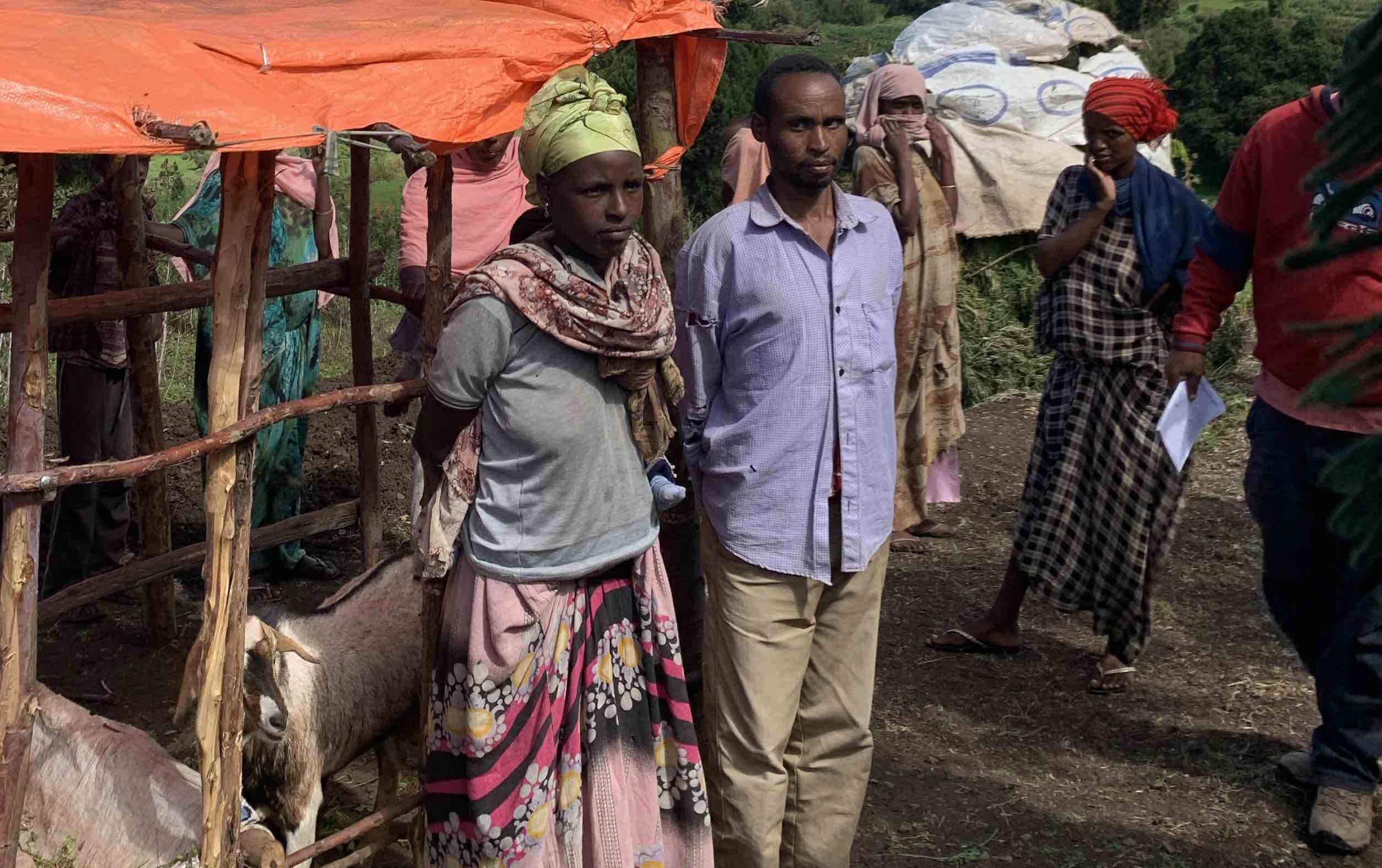
Can a light-touch graduation model address persistent poverty? Evidence from Ethiopia
Impacts of a large-scale approach.
-
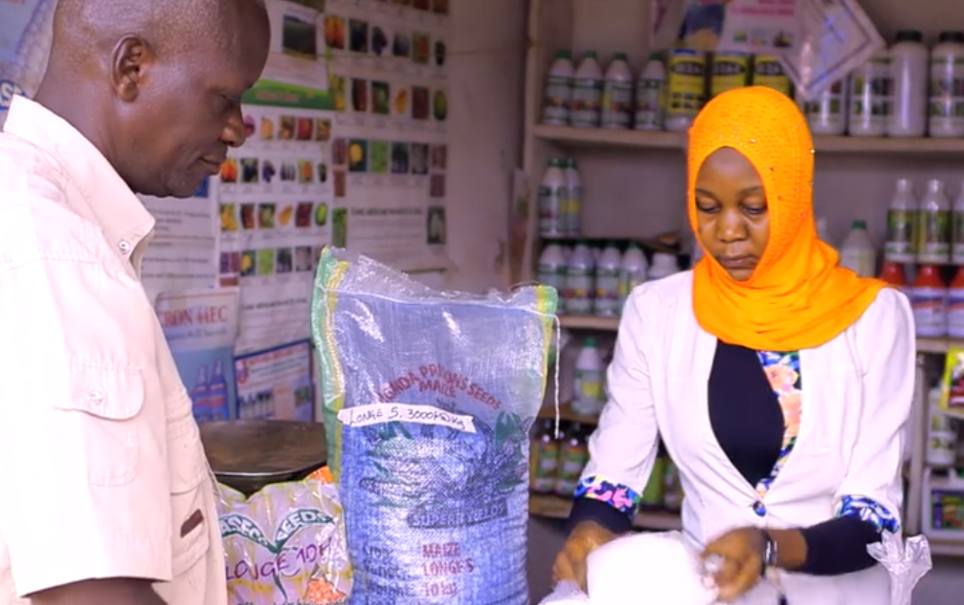
Gender bias in bargaining: Lessons from haggling over the price of seed in rural Uganda
An experiment shows women face disadvantages.
-
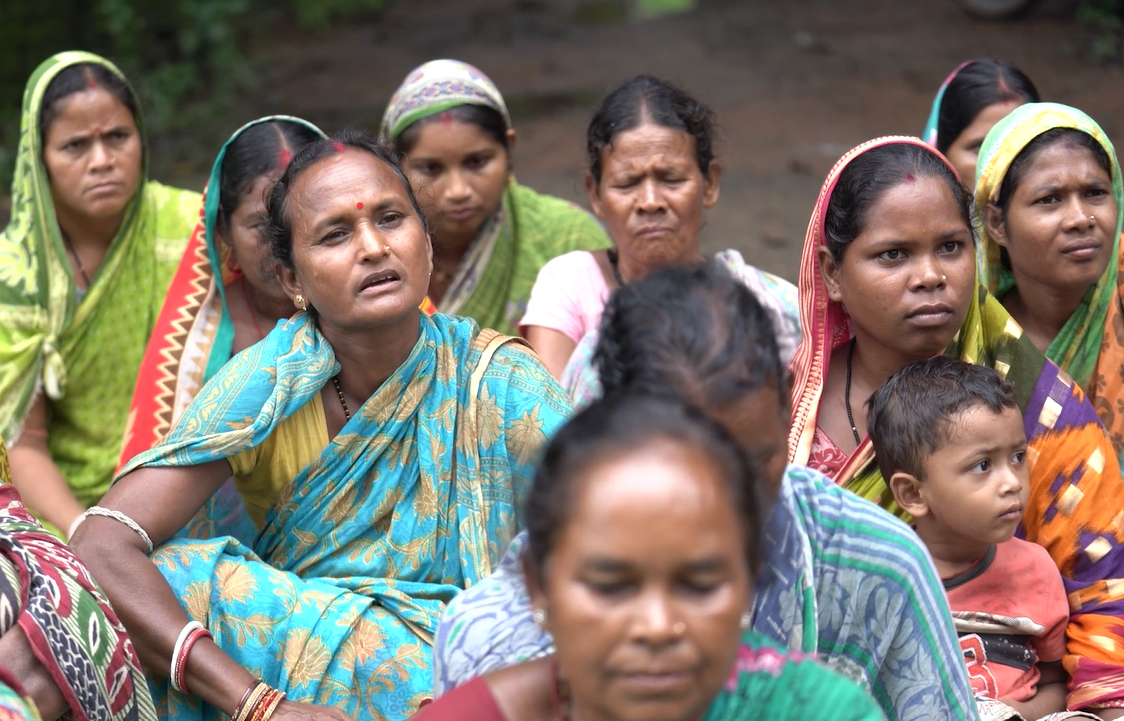
Inspirational filmmaking to raise women’s voice and agency in the construction of assets for climate resilience in India
Compelling personal stories as a learning and motivational tool.
-
The population of Gaza is on the brink of famine
The food insecurity situation in the Gaza Strip is becoming increasingly dire. A recent blog of just 10 days ago and based on an assessment by the World Food Programme pointed out that during October and November, 80 percent of the population in Gaza was displaced and more than 80 percent suffered food deficiencies. A […]
-
Report launch: The key role of trade in strengthening food security in Latin America and the Caribbean
Building resilience by diversifying risk.
-
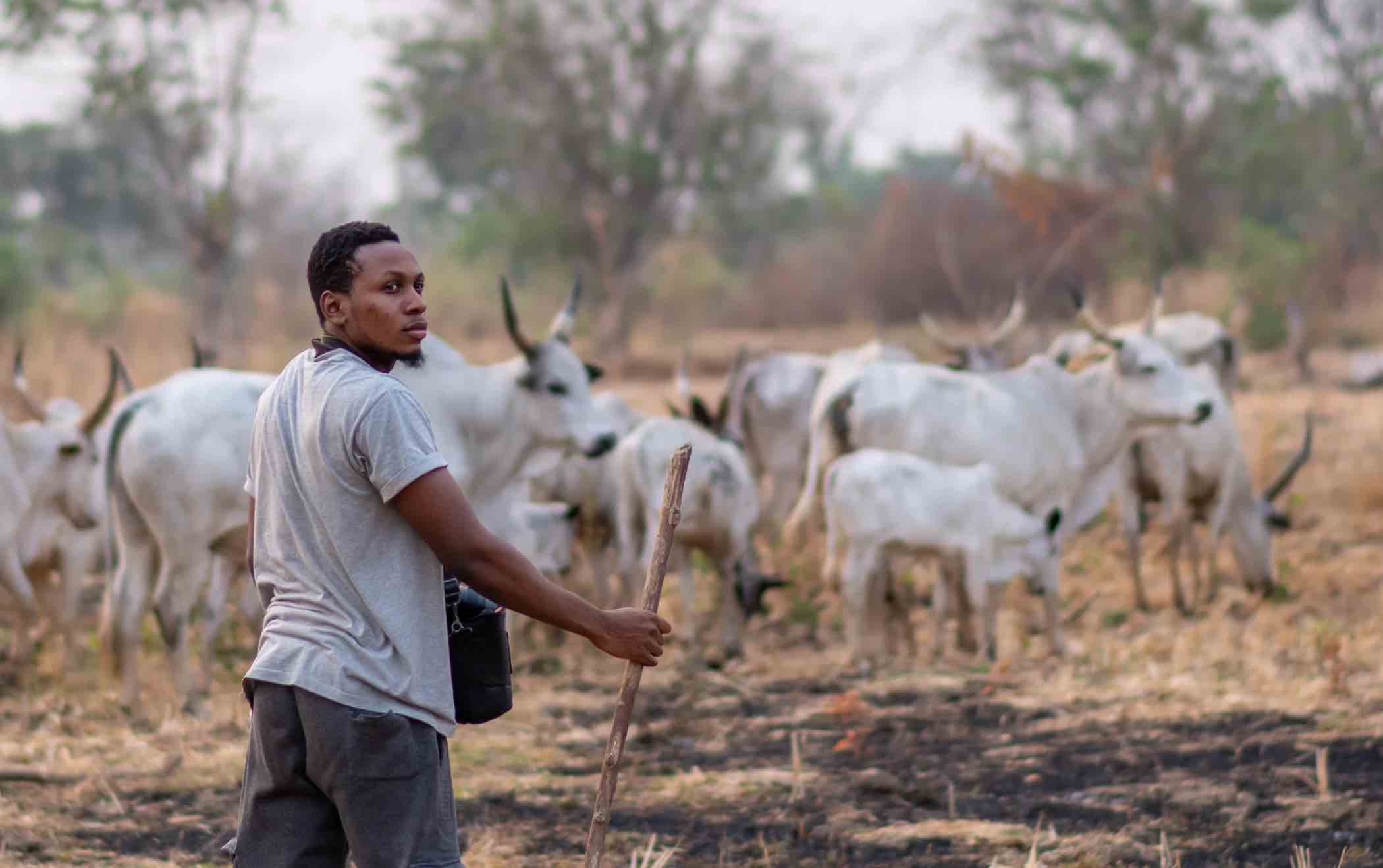
Developing Local Extension Capacity (DLEC) project: Finding more effective ways to deliver vital information and innovation to farmers
Helping smallholders tap new technologies.
-
Forman Lecture: Simón Barquera on tackling obesity and noncommunicable diseases in Mexico
Soda taxes and warning labels produce results.
-
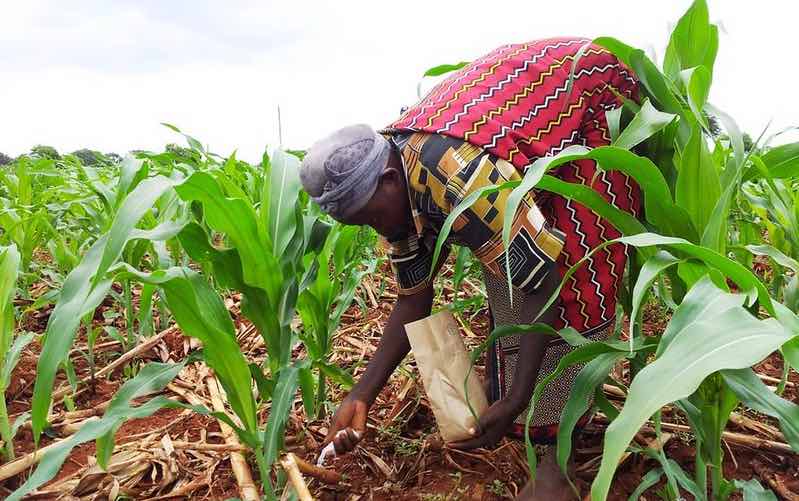
How is Kenya’s National Fertilizer Subsidy Program working?
Complex challenges for farmers amid a continuing food crisis.
-
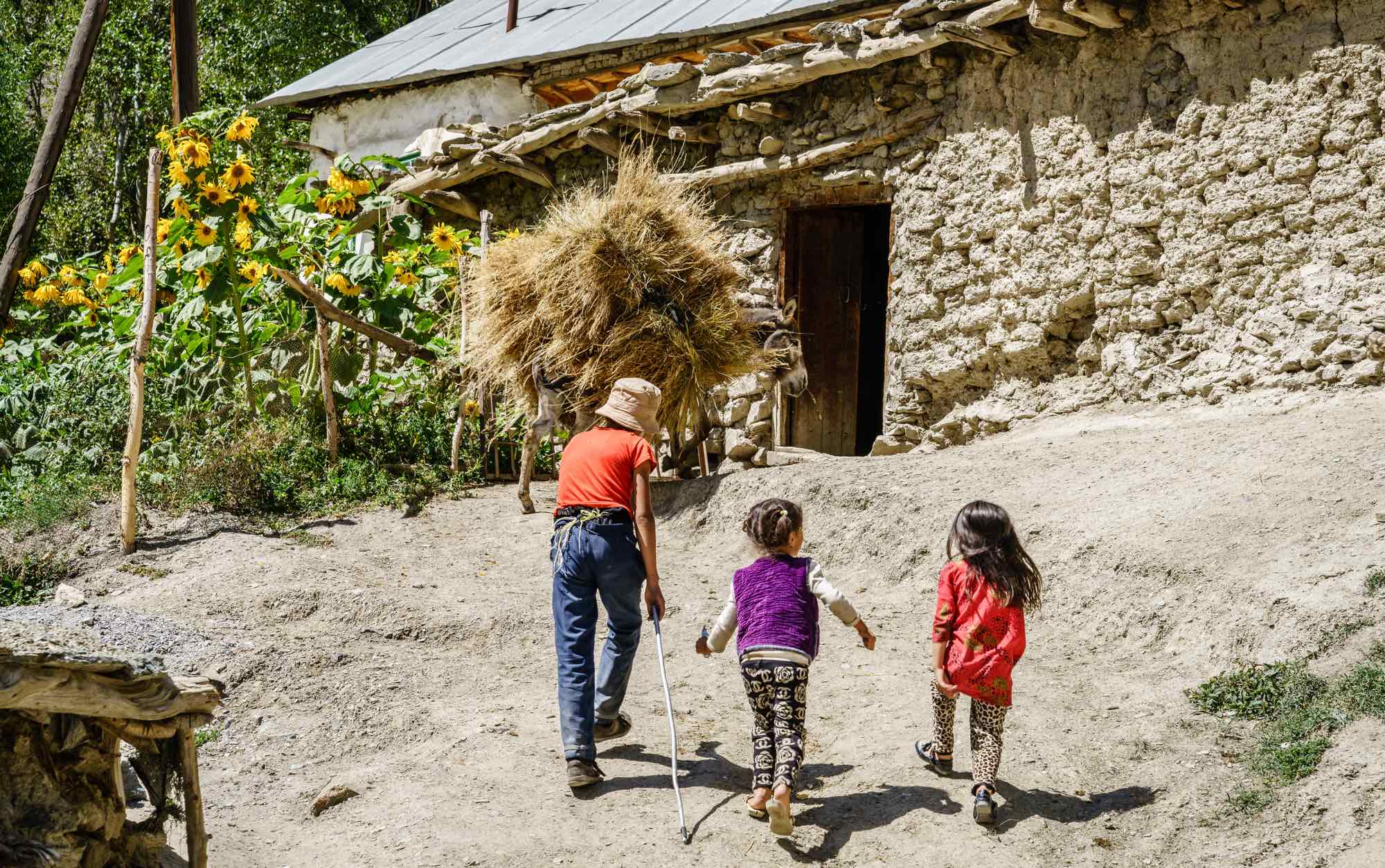
On the right track but not there yet: From poverty reduction to prosperity in Khatlon Province, Tajikistan
Local impacts of a national development strategy.
-

Sudan’s ongoing conflict disrupts agrifood processing and aggravates unemployment
Food system impacts of war,
-
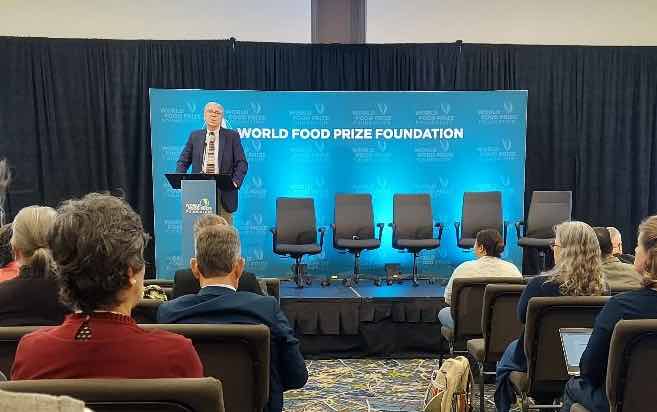
IFPRI and CGIAR at Borlaug Dialogue 2023: Food system repercussions of the Russia-Ukraine war
Ongoing market disruptions hit vulnerable populations.
-
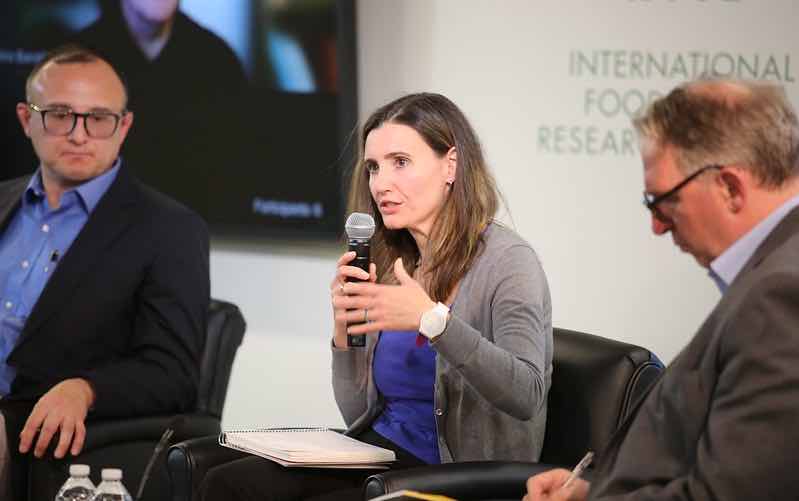
Book launch: Transforming the global food system in a politically polarized world
Navigating policy challenges to feed a hungry planet.
-
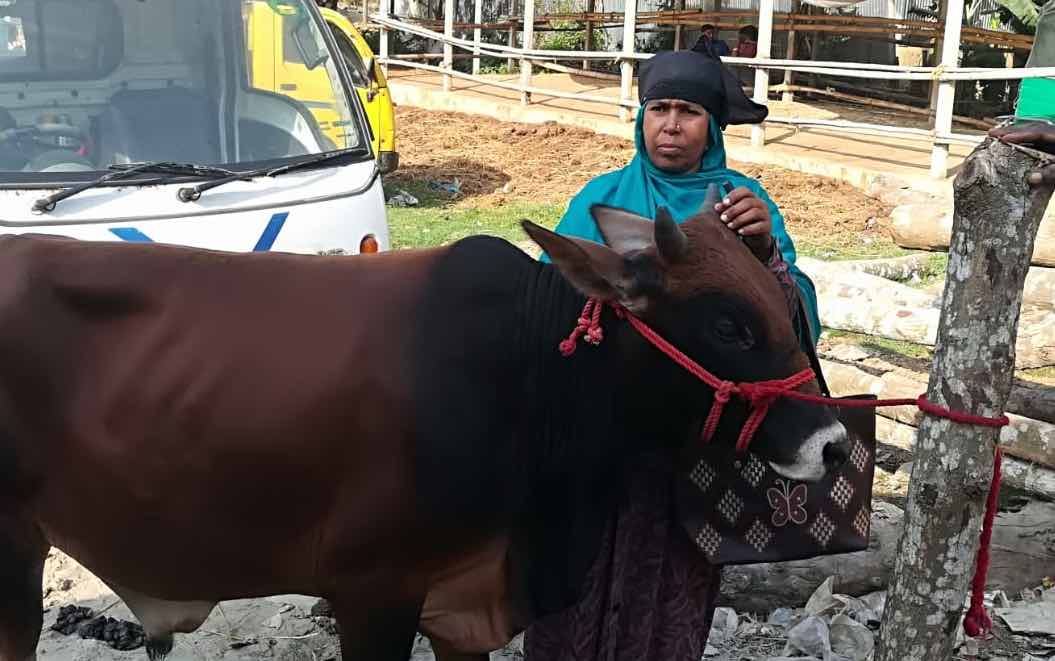
Bridging the smallholder finance gap: Collaborative research with WeGro in Bangladesh
Helping farmers purchase and sell livestock.
-
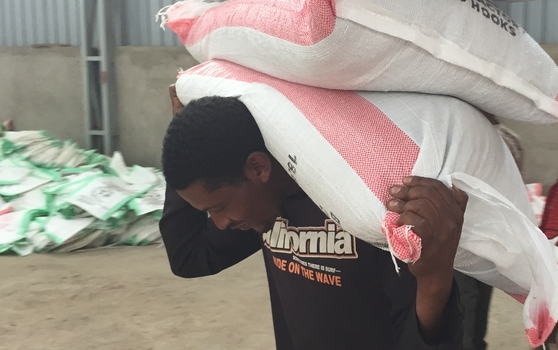
Fertilizer policies amid global supply and price shocks
Global prices have moderated but many countries still face difficulties.
-
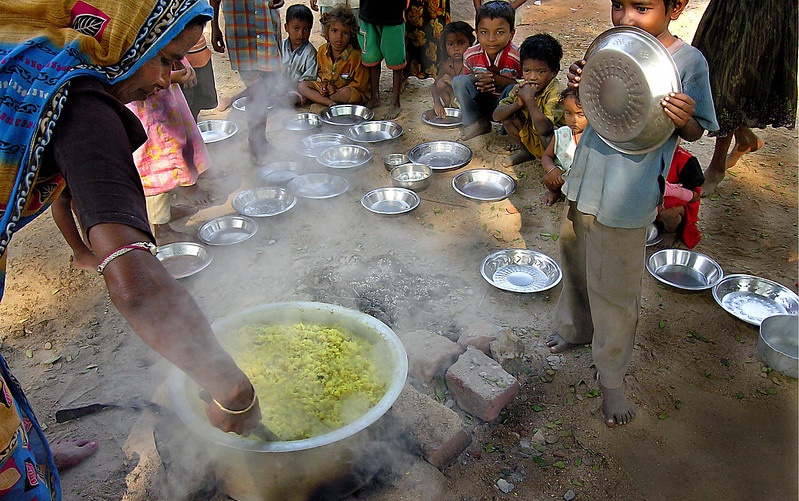
Unlocking opportunities for planet-friendly school meals
Balancing nutrition and climate.
-
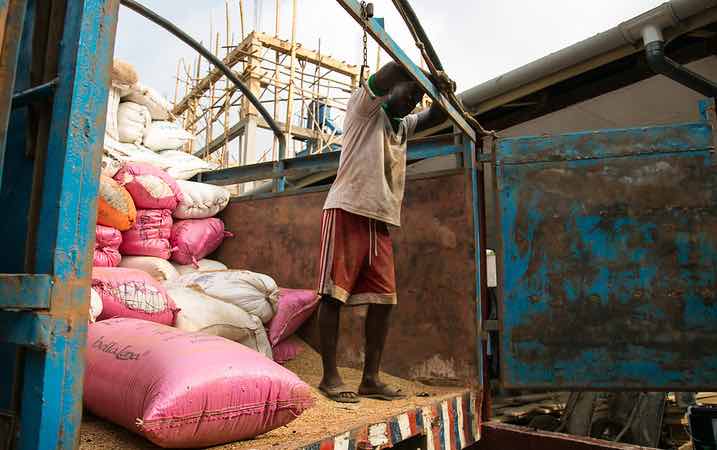
A new rapid assessment tool for food security risks posed by global price shocks
Introducing the Food Import Vulnerability Index (FIVI).
-
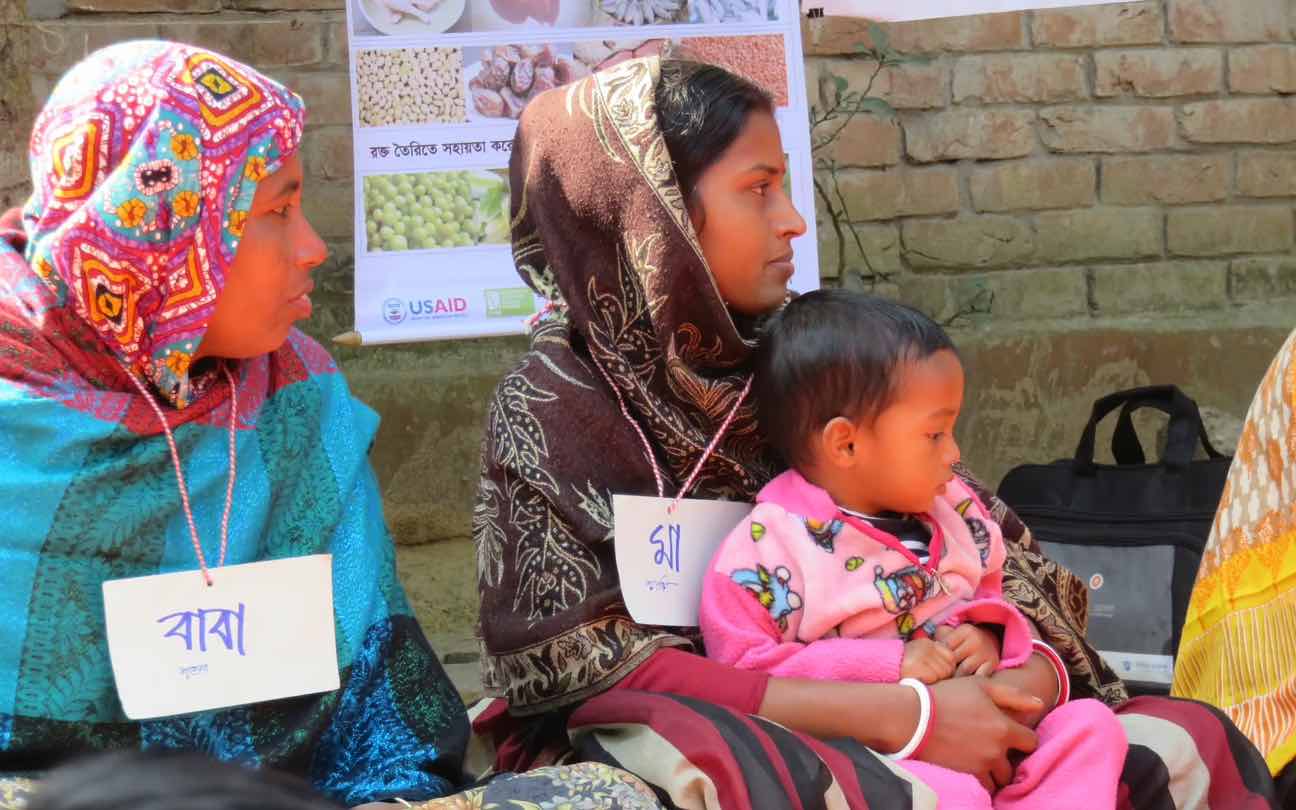
Informing policies with causal impact evaluations: Co-creation and trust matter
IFPRI assessments provide key information for policymakers.
-
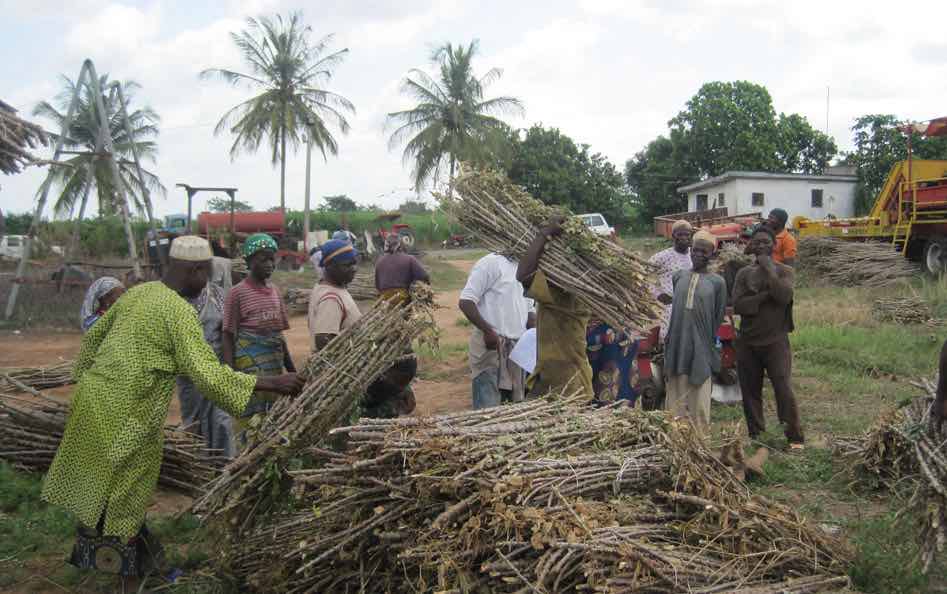
Can we trust AI to generate agricultural extension advisories?
A chatbot experiment.
-
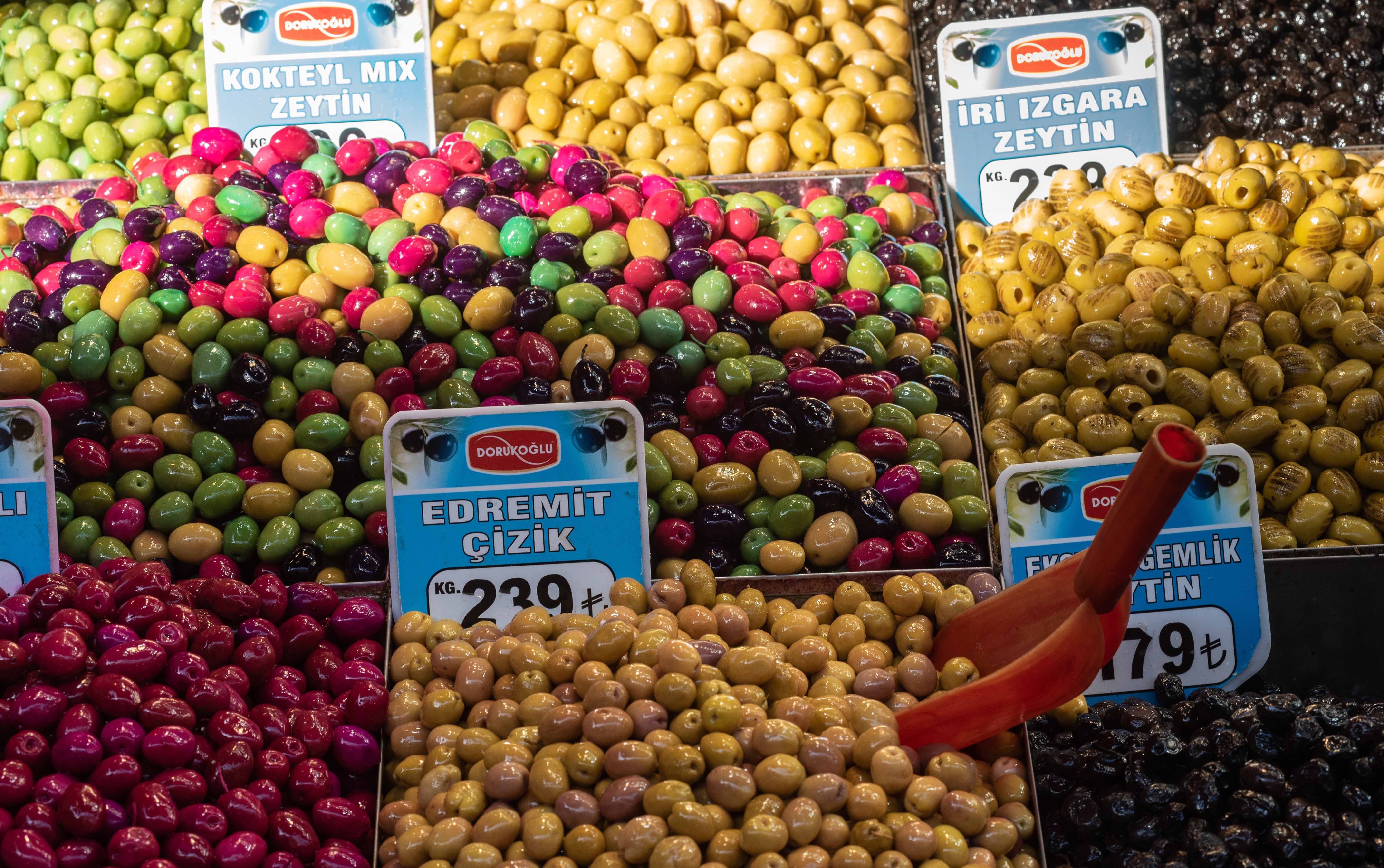
Despite improved global market conditions, high food price inflation persists
Continuing pressures on food security in low- and middle-income countries.
-
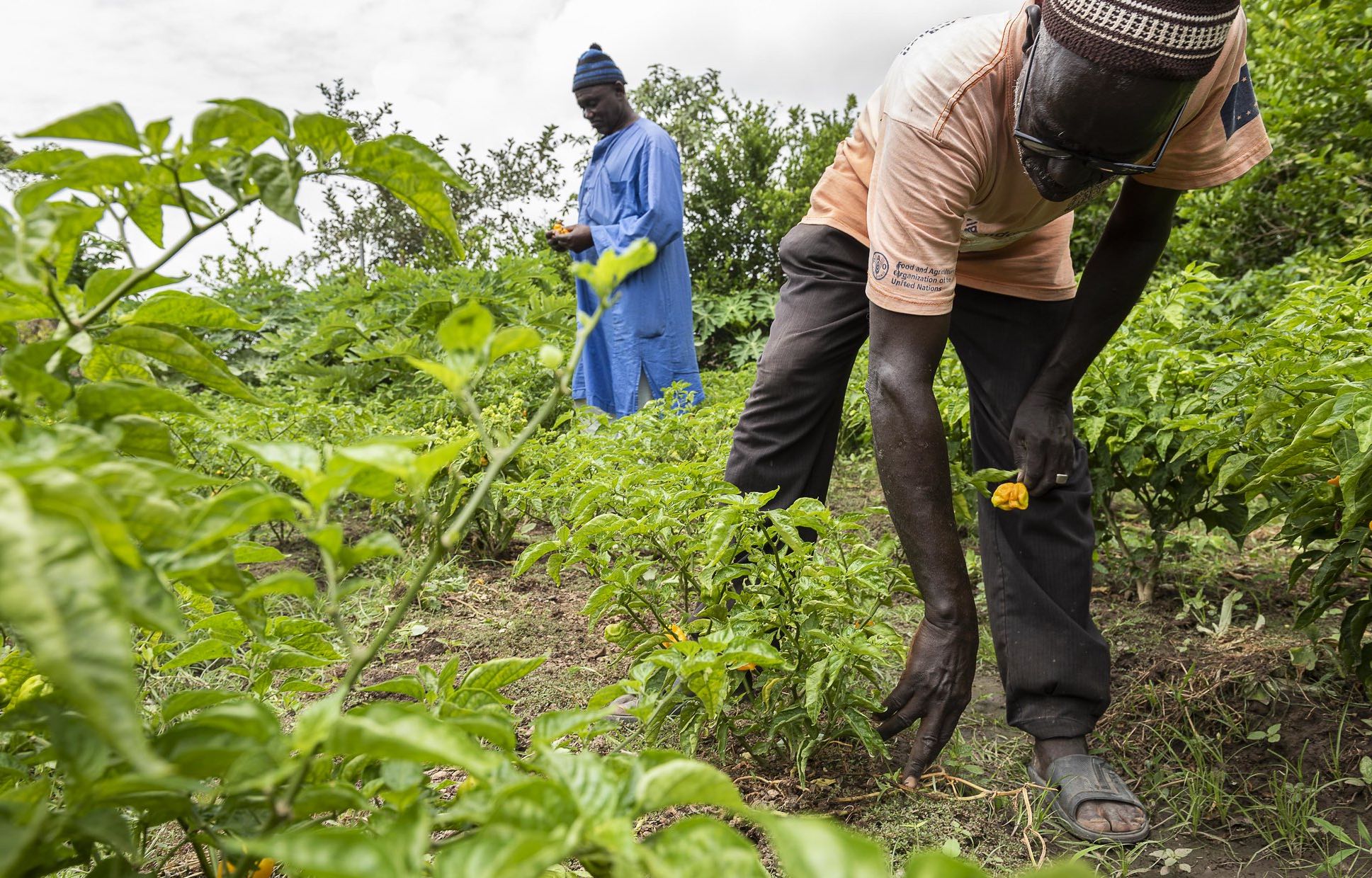
Implementing a just transition to net zero: Driving climate action through extension system reforms
Guiding agricultural transformation among smallholders.
-
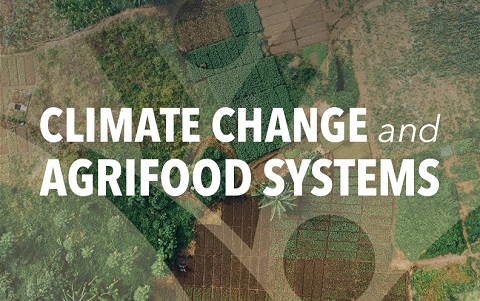
IFPRI’s holistic approach to the challenges posed by climate change
Research for real-world solutions that can make a difference.
-
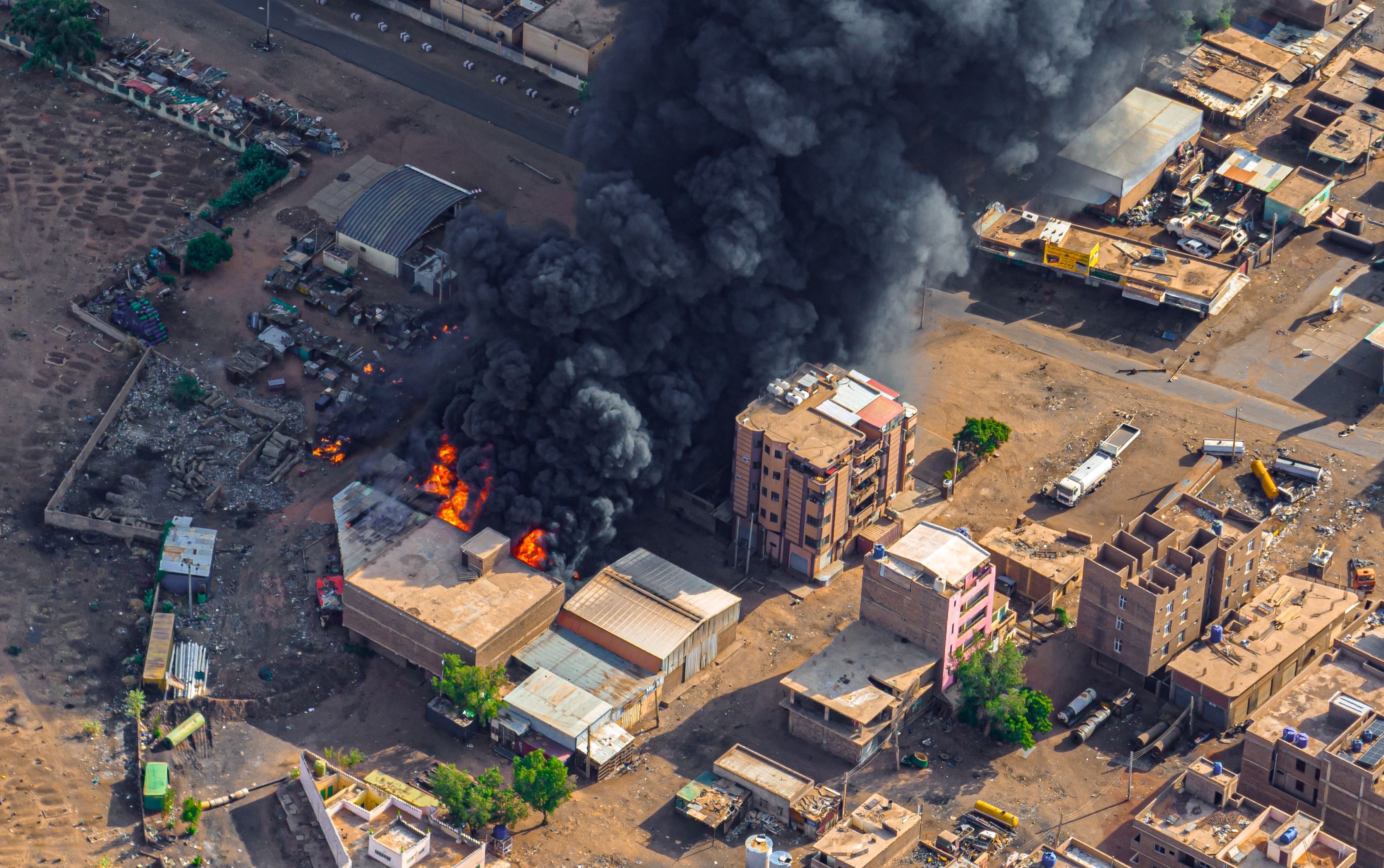
Model: Sudan’s ongoing conflict could reduce economic output by half and push 1.8 million into poverty
Impacts of an unfolding humanitarian emergency.
-
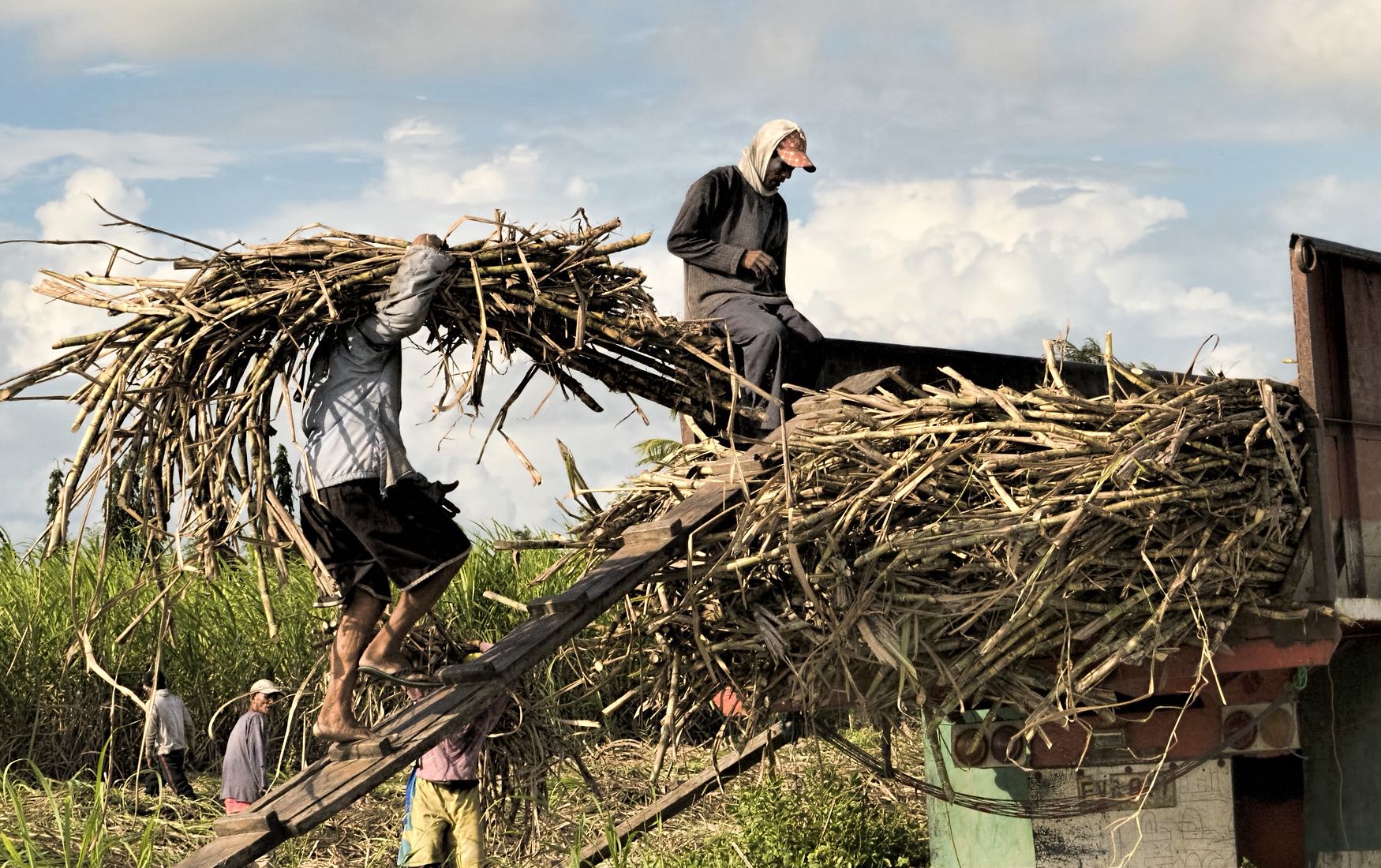
Déjà vu all over again: Global sugar markets roiled by El Niño, biofuels and trade policies
This time, market disruptions could have public health benefits.
-
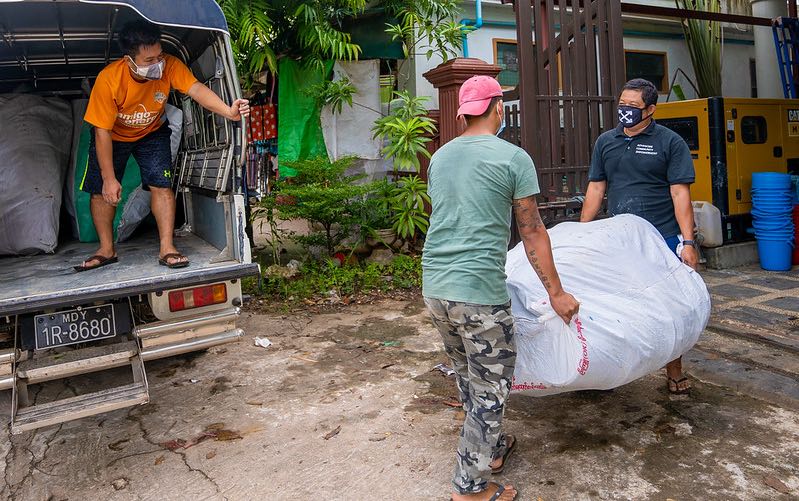
COVID-19 in South Asia: Lessons from a time of upheaval
How food systems fared amid disruption.
-
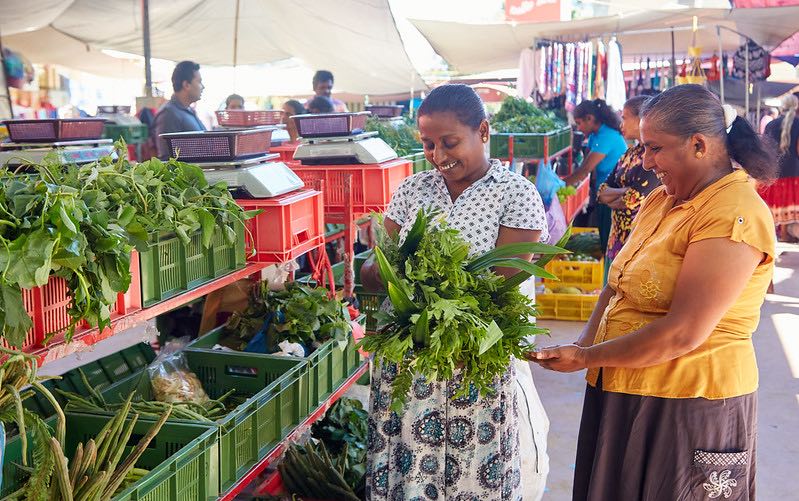
Climate goals and SDGs : Money, that’s what ( we ) want
Closing the finance gap for food systems.
-
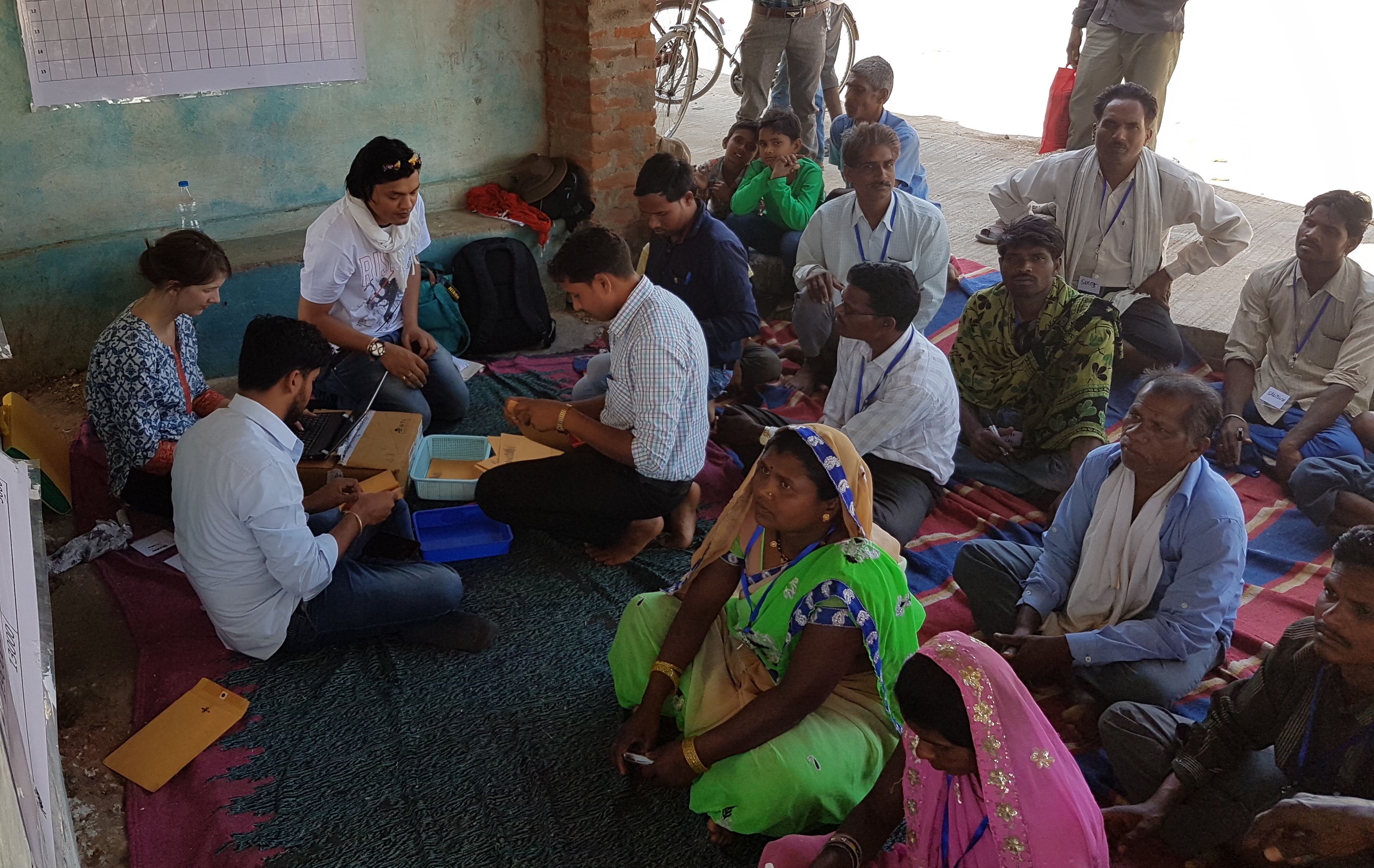
Changing the game: Experiential learning for triggering large scale change towards sustainable water management in India
Fostering cooperative local governance.
-
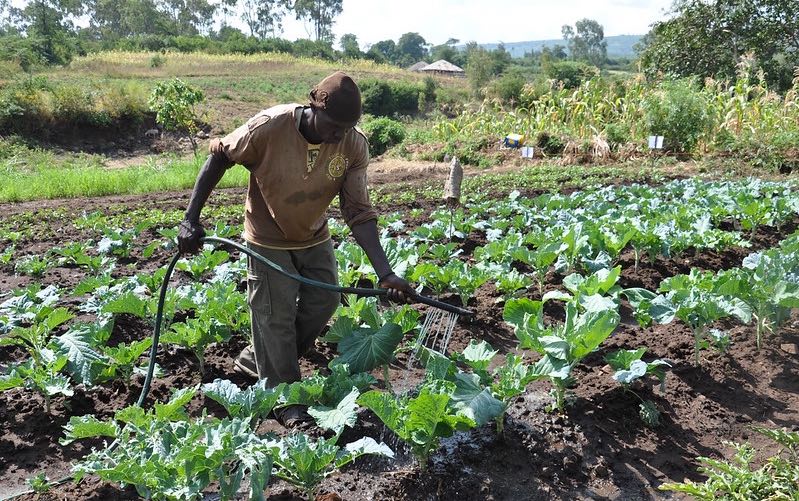
Climate Risk to Resilience: Financing adaptation in African countries
New insights for scaling up efforts in Kenya, Malawi, Mozambique, and Zambia.
-
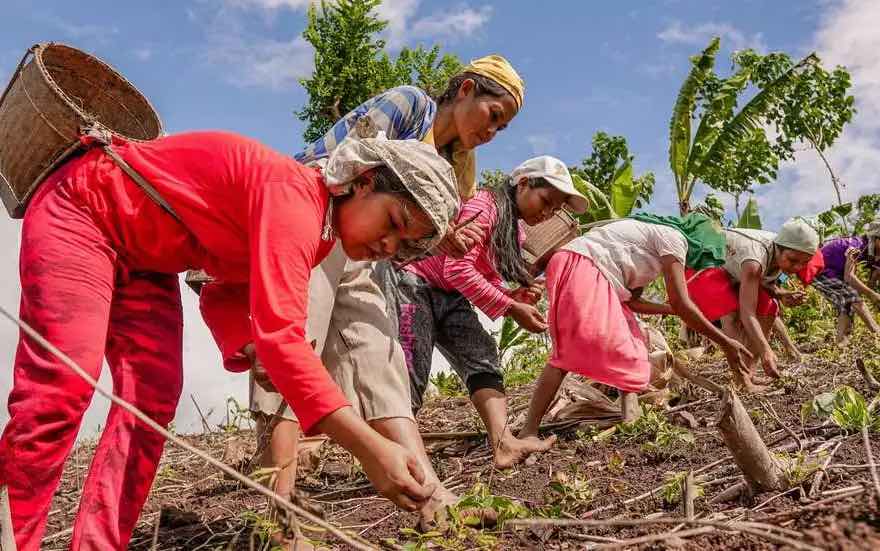
Integrating gender perspectives to prevent or reduce climate crisis impacts
Why women are key to building resilience.
-
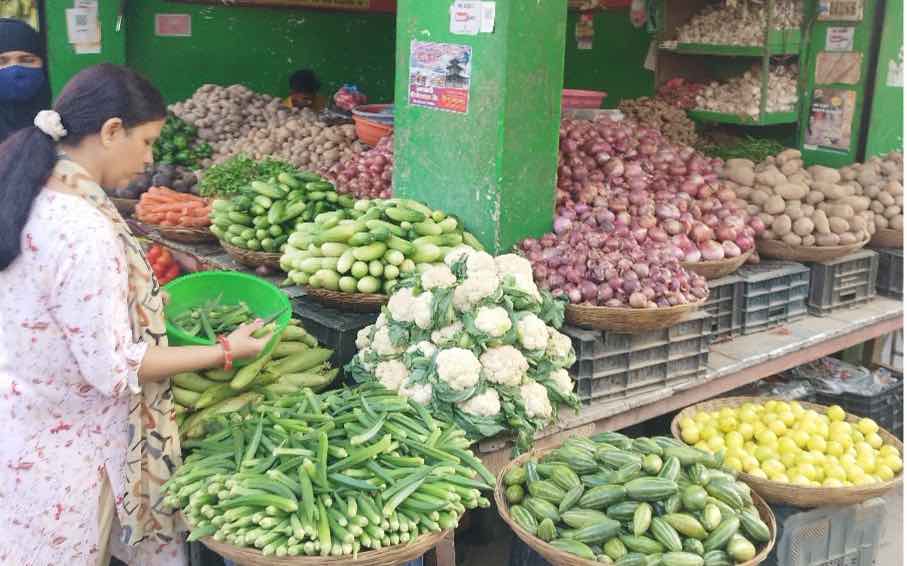
Informal trade in agricultural commodities along the Nepal-India border
New customs duties reverberate in communities.
-
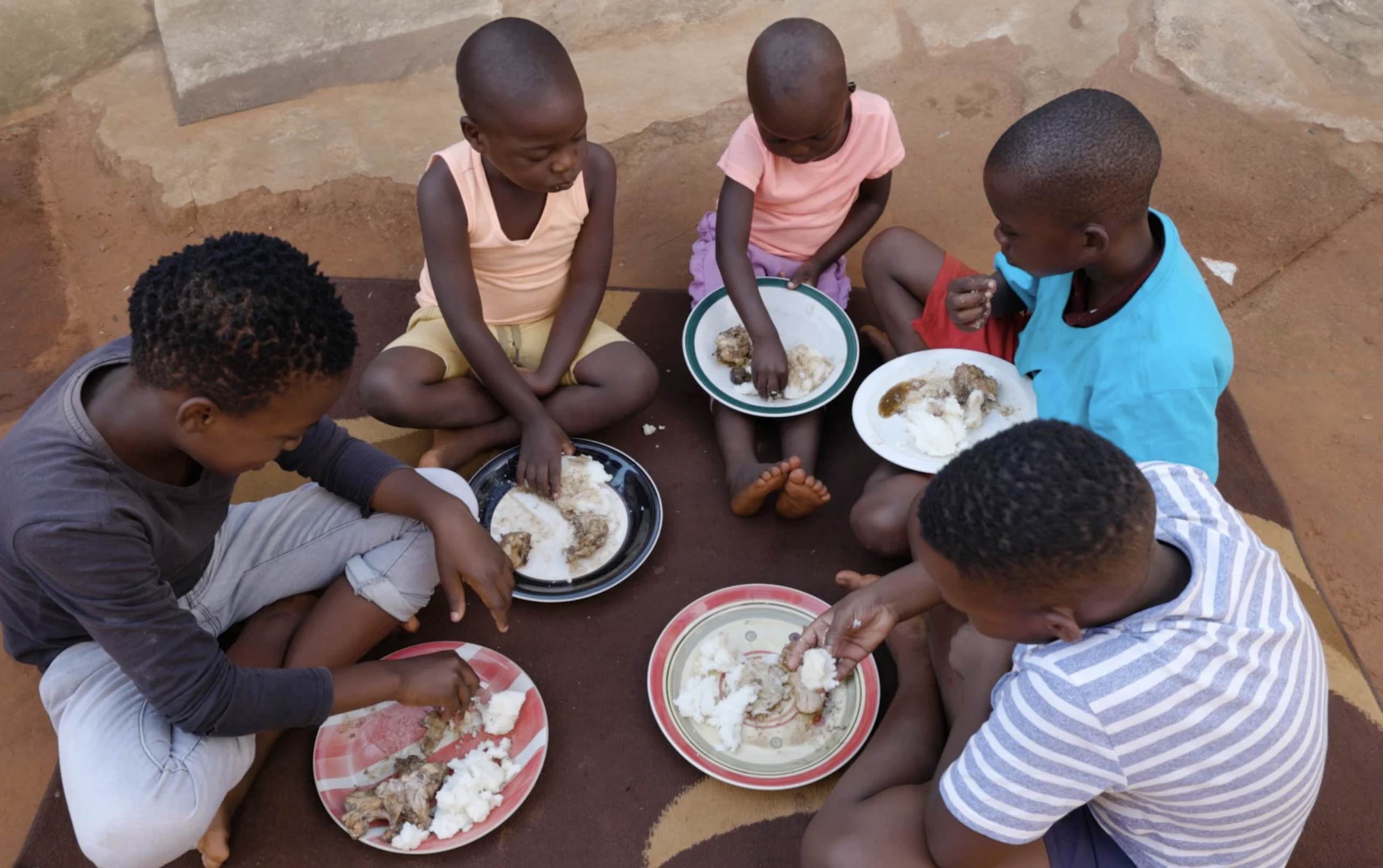
Scaling nutrient-enriched staple crops with the HarvestPlus program: Reaching 100 million people in 20 years
Addressing the global problem of hidden hunger.
-

Tropentag 2023: Bridging ecology and economy with payments for ecosystem services (PES)
Overcoming challenges to helping smallholders.
-

Tropentag 2023: Battling the global 3Cs (climate change, COVID-19, conflict) through food systems transformation
Encouraging scientific understanding for sustainability.
-
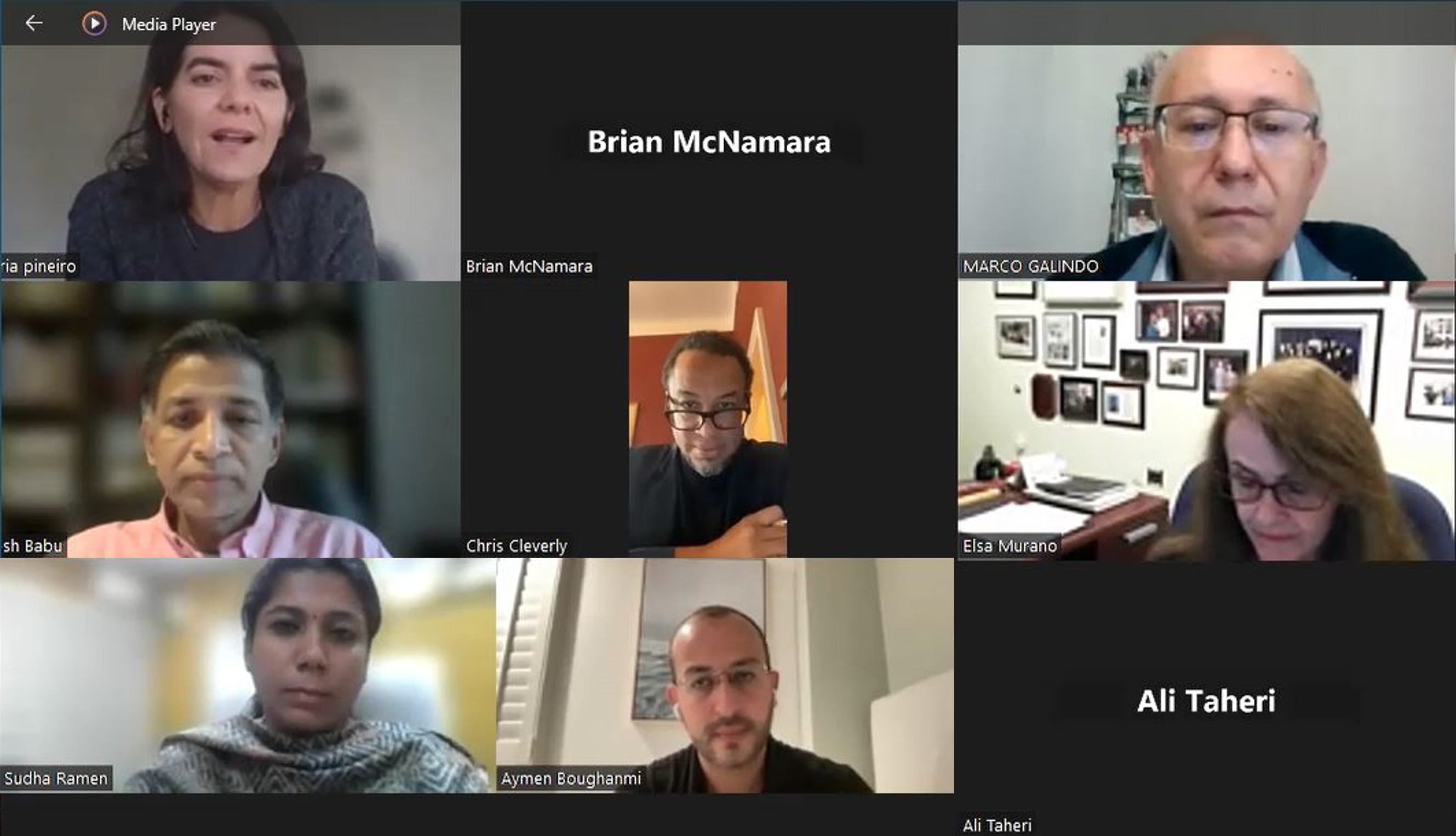
2023 Borlaug Dialogue Side Event: Climate Action for resilient food system transformation – insights from Asia and Latin America and the Caribbean
Ways to scale innovations for sustainability and resilience.
-
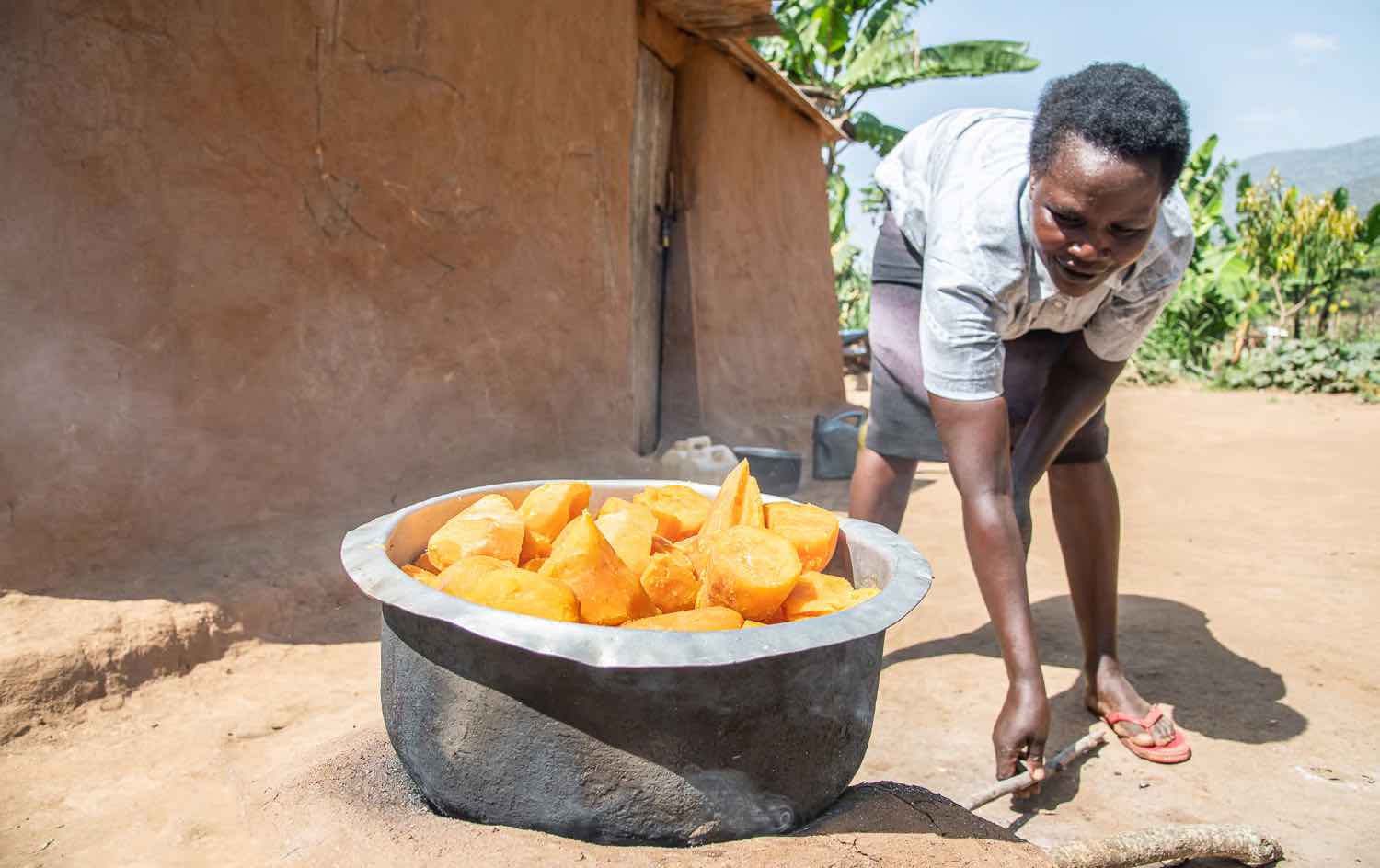
ENRICH project: Educating communities on the benefits of biofortified crops and nutrition-smart agriculture
Twenty years of HarvestPlus programs have a lasting impact.
-

The most effective approaches to reduce intimate partner violence: What the evidence shows
A meta-analysis shows that broadly, IPV programs work.
-
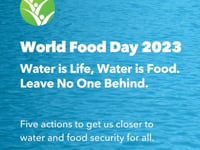
World Food Day 2023: Five actions to get us closer to water and food security for all
This year’s theme: “Water is LIfe, Water is Food, Leave No One Behind.”
-
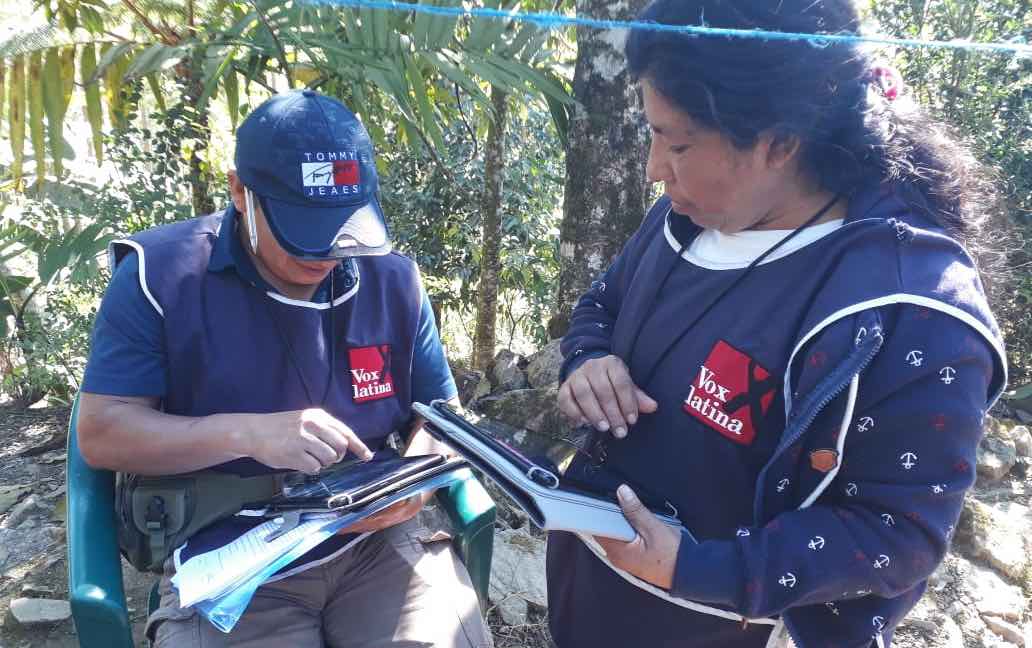
Introducing the Women’s Empowerment Metric for National Statistical Systems (WEMNS)
A new tool to address the gender data gap in agricultural development.
-
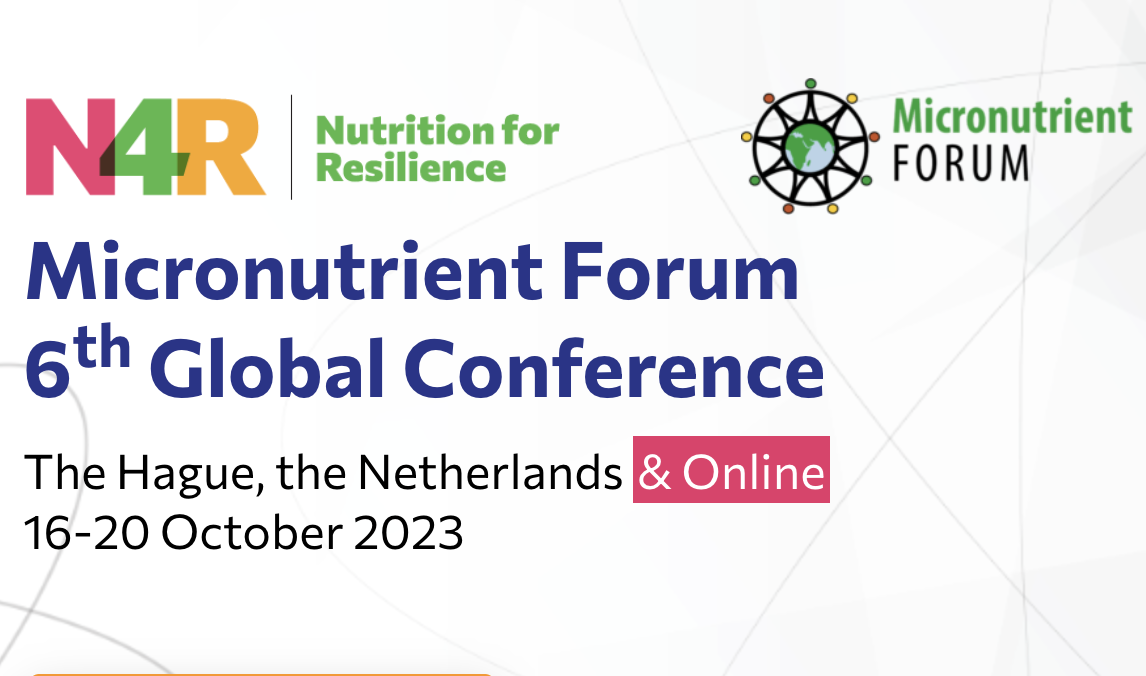
From theory to practice: The latest in program implementation and effectiveness at #MNF2023
Navigating the complexities of diet and nutrition solutions.
-
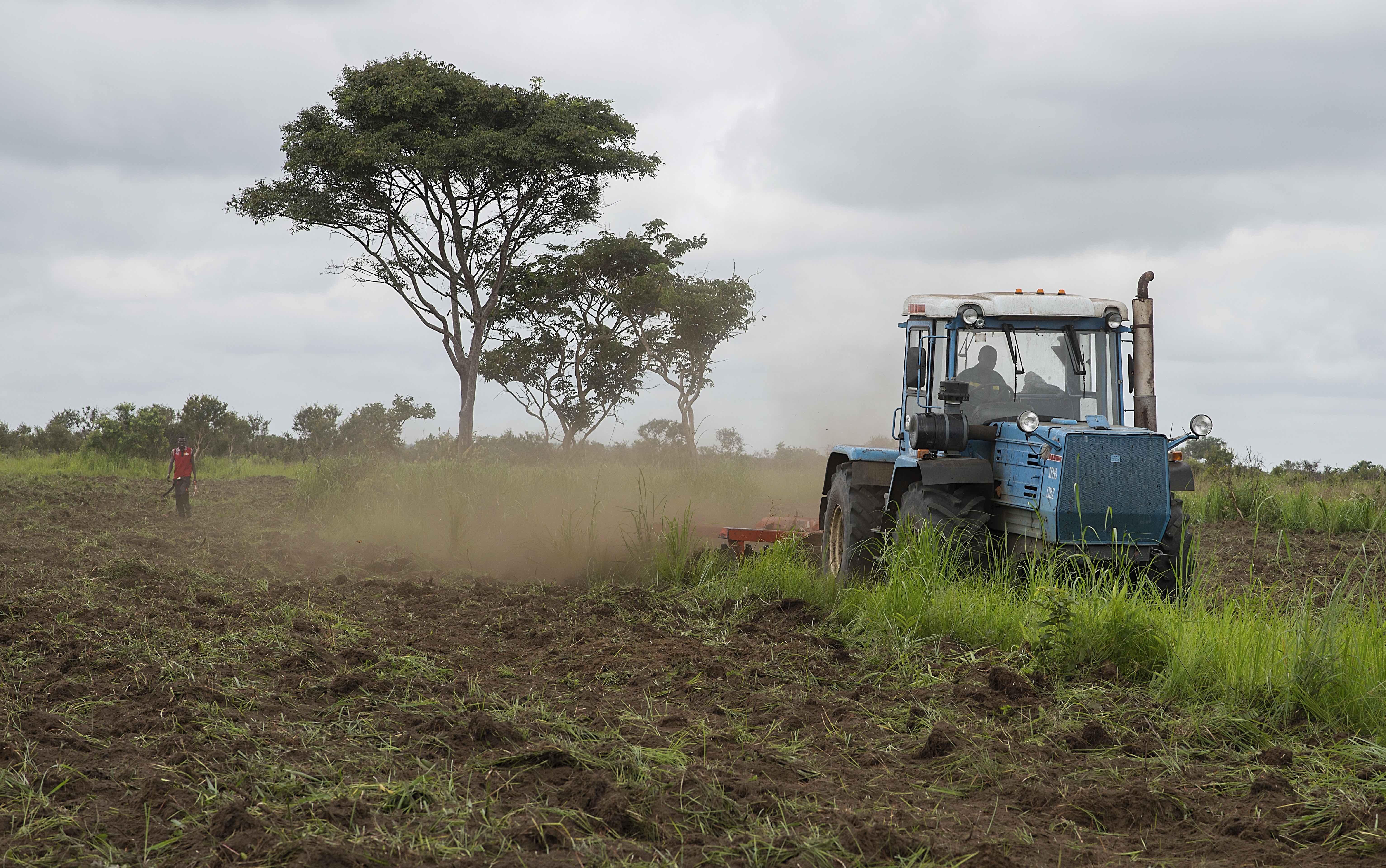
How does promoting modern seed varieties impact forest conservation?
A study shows changed patterns of deforesation.
-
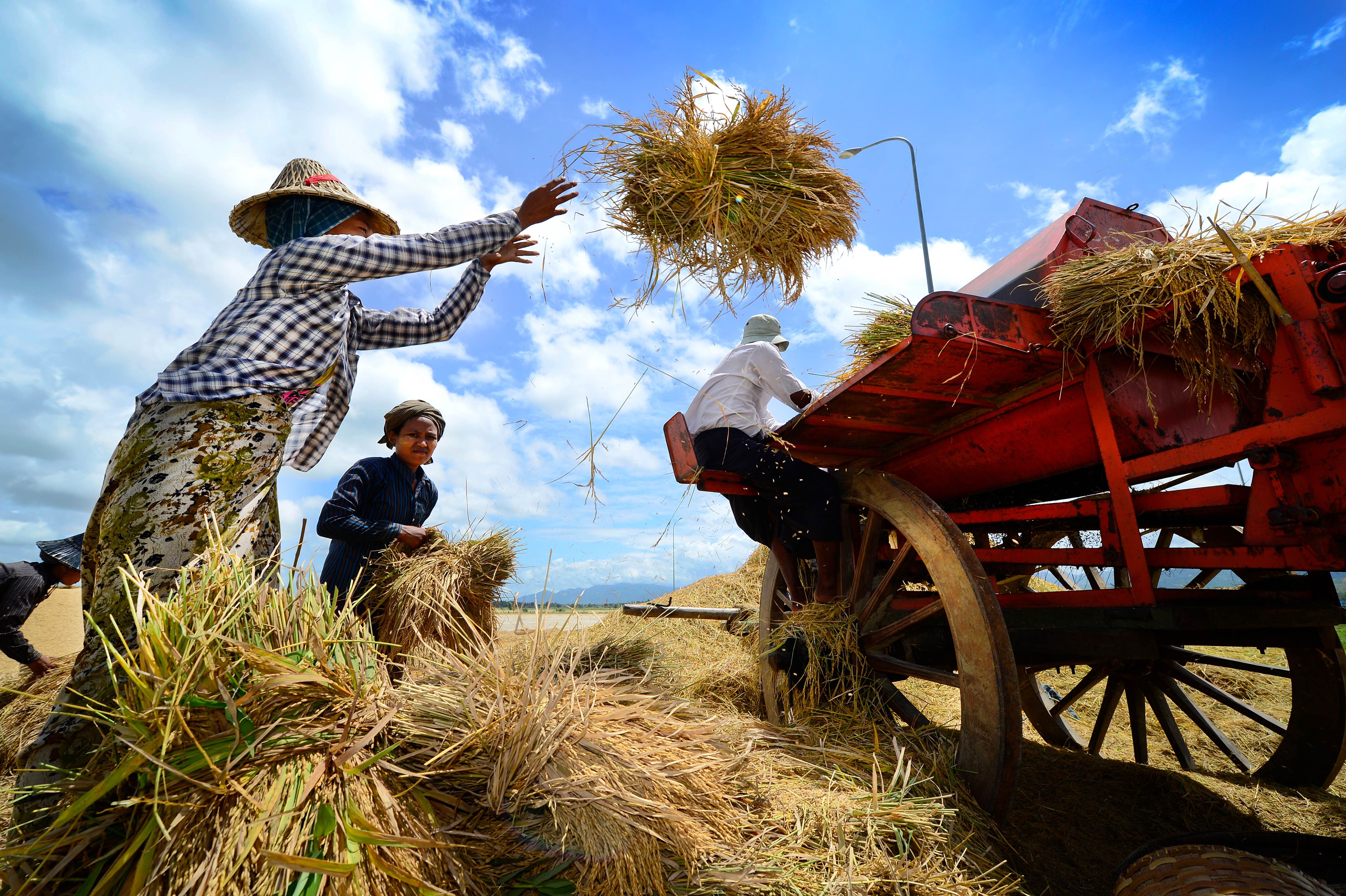
Global rice markets face stresses from El Niño, India export restrictions
Worries mount over continued high prices.
-

Why climate change is a greater threat to tropical rainforests than cropland expansion
Growing and underappreciated risks.
-
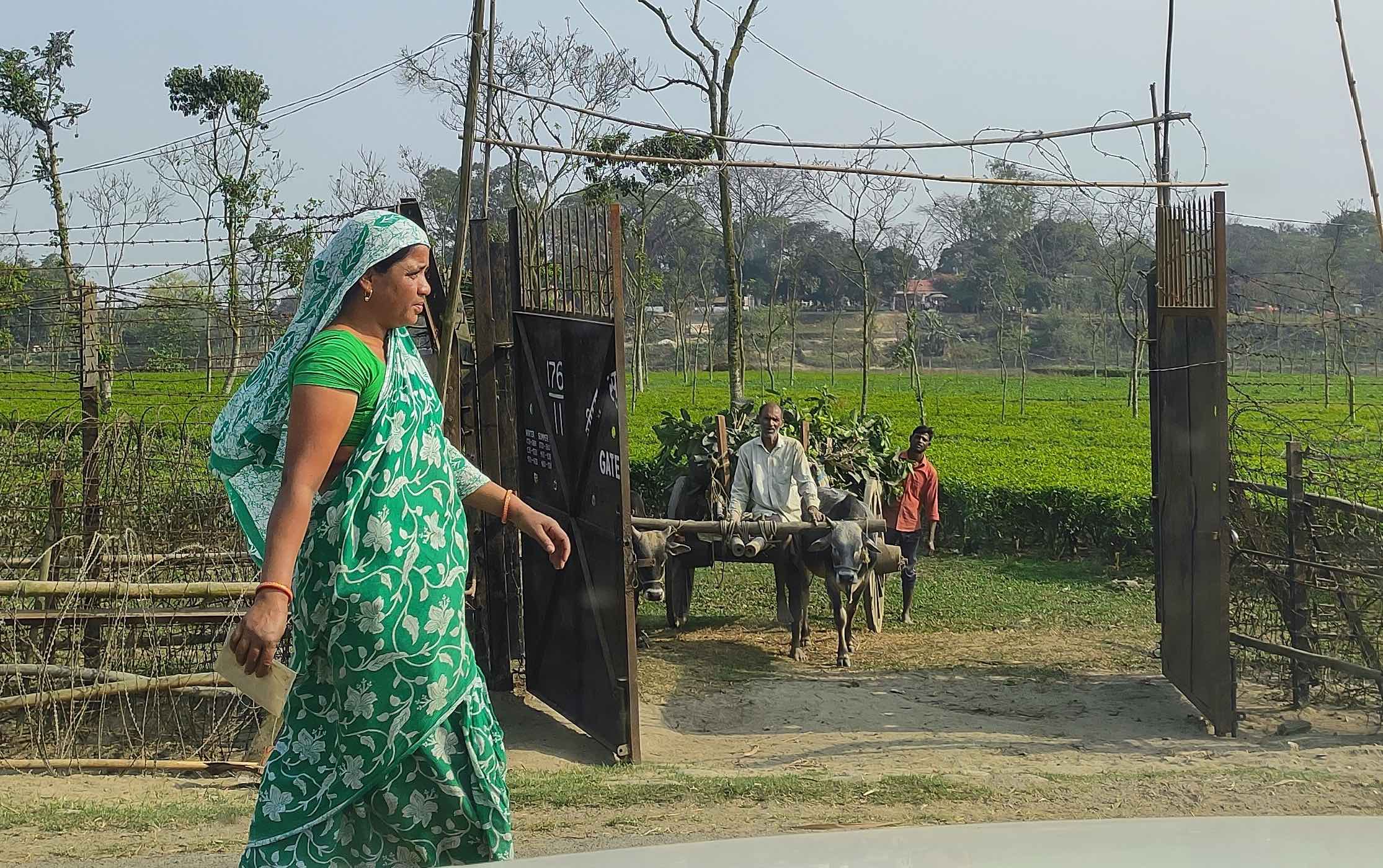
Informal trade: Insights from Phansidewa at the India-Bangladesh border
Documenting a shifting landscape of commerce.
-
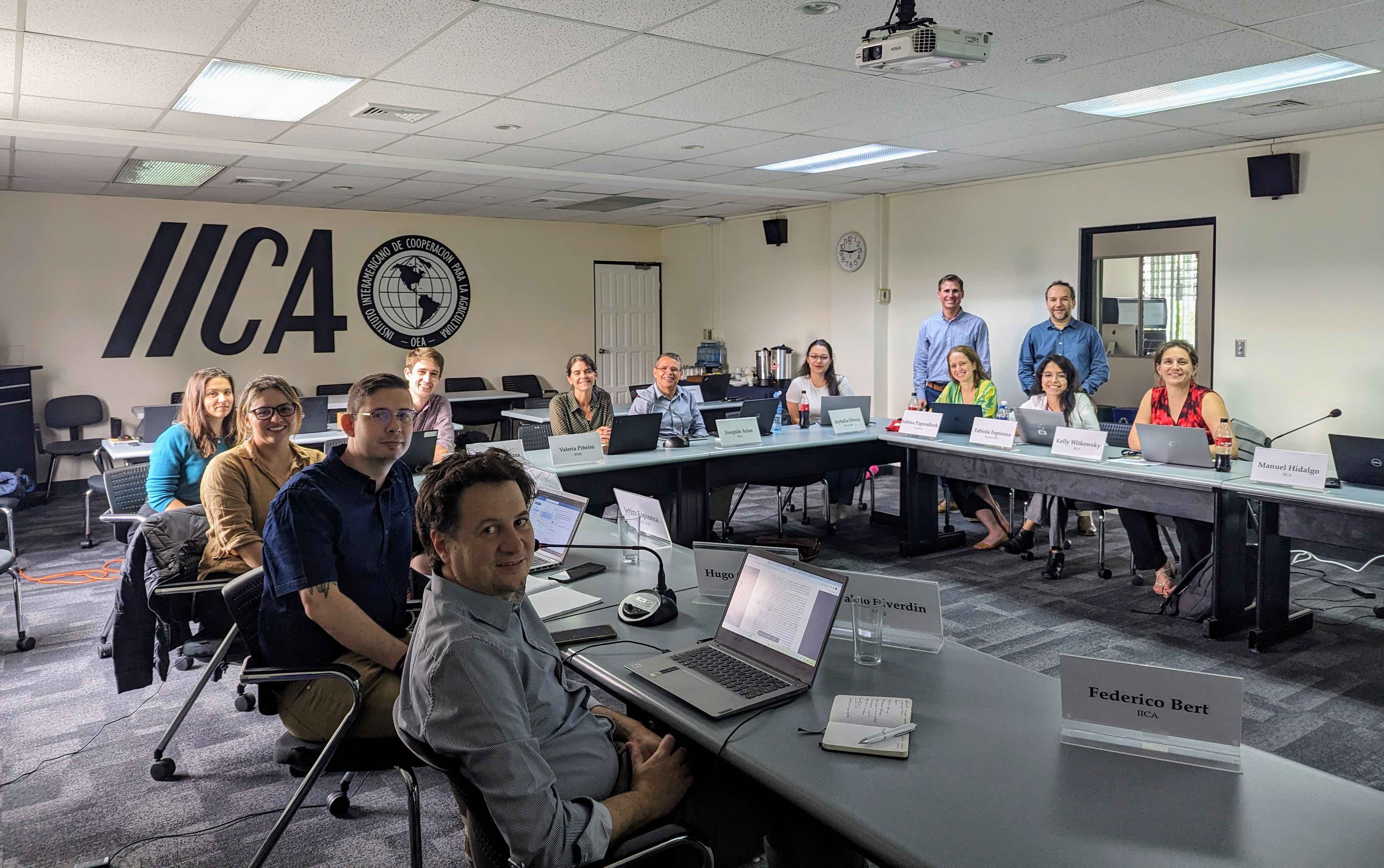
Avanzar2030 workshop: Synthesizing evidence on sustainable agrifood systems in Latin America and the Caribbean
Identifying optimal paths for transformation.
-
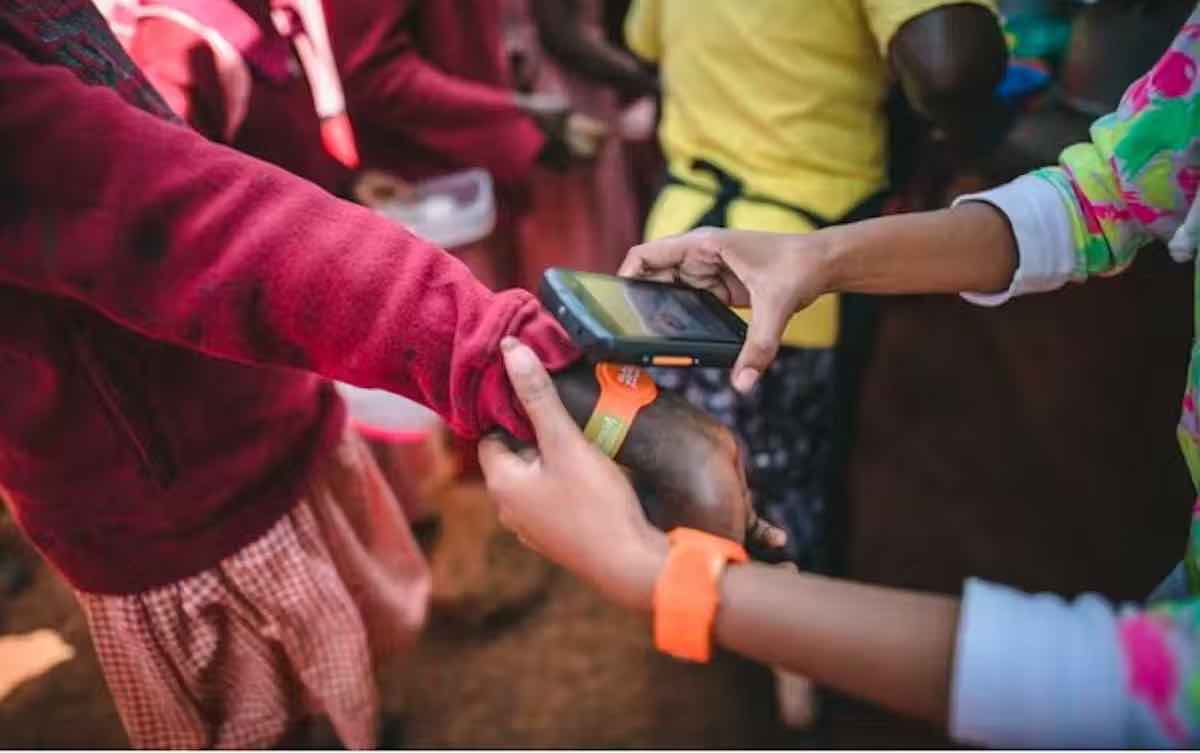
Kenya’s new urban school meal plan is ambitious – and could offer lessons for scaling up
Providing subsidized lunches for 250,000 Nairobi students.
-
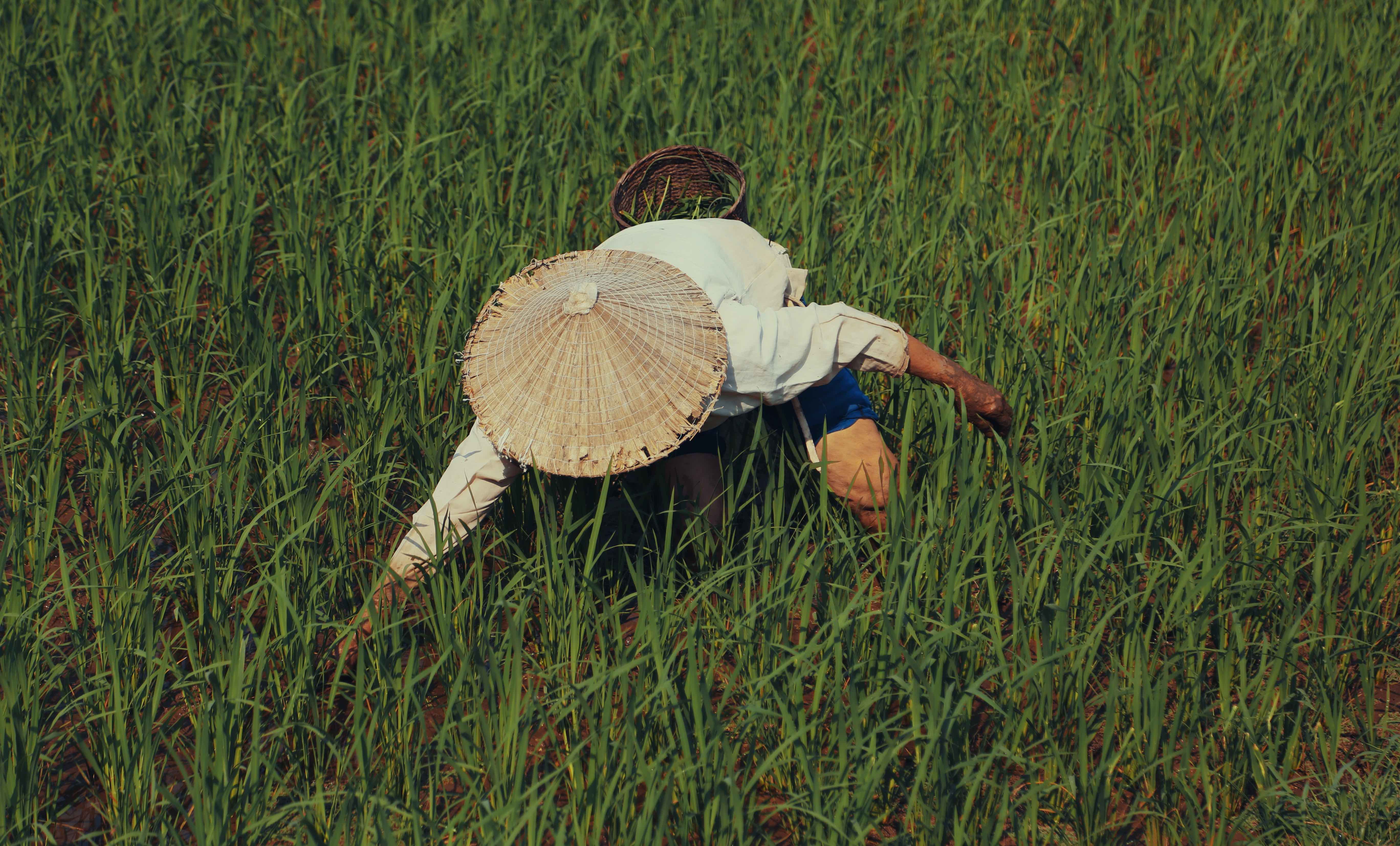
Financing Viet Nam’s flood fighting efforts
Addressing rising climate risks.
-
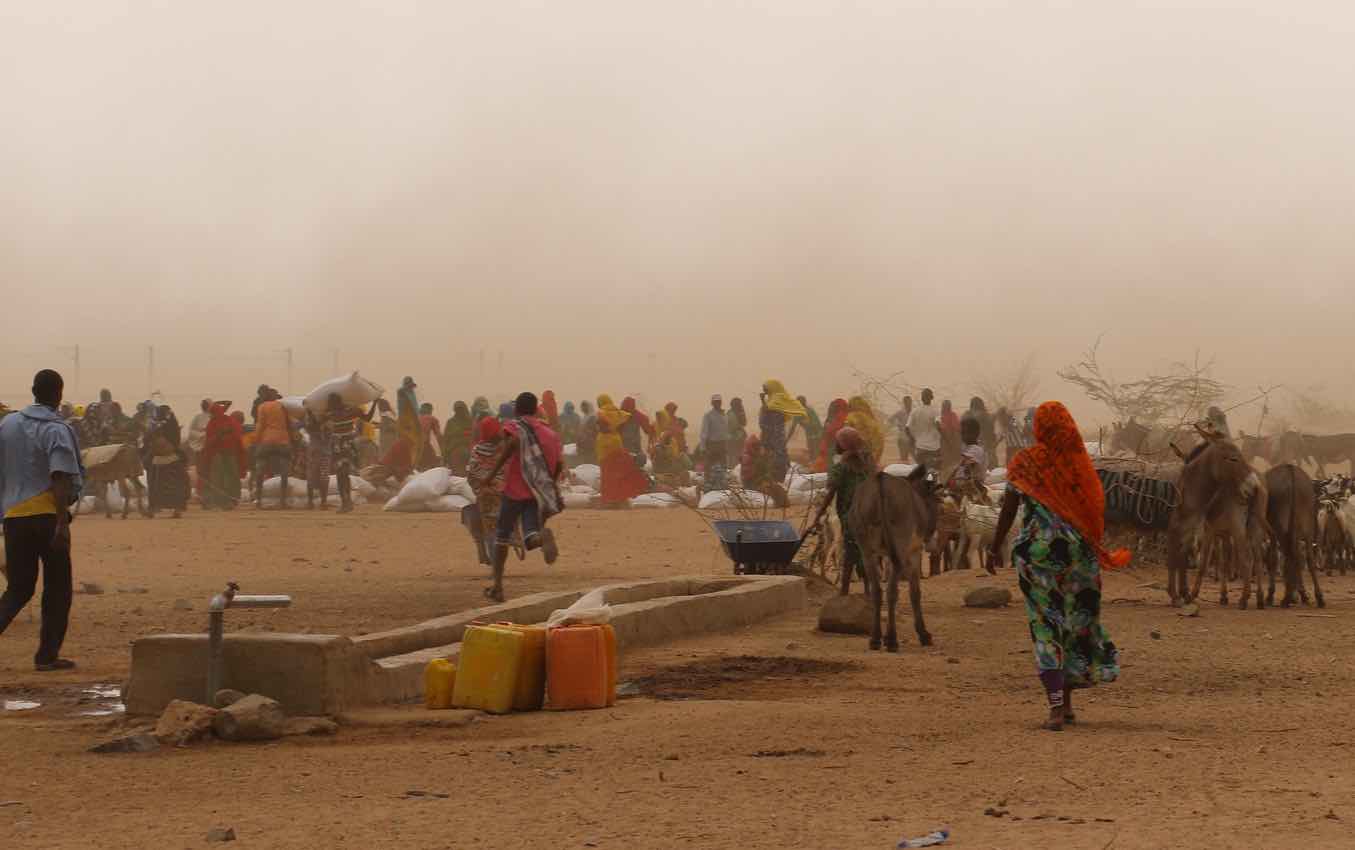
CGIAR joins forces with WFP and Norad to enhance climate resilience and food security in sub-Saharan Africa
A new project focuses on building resilience.
-
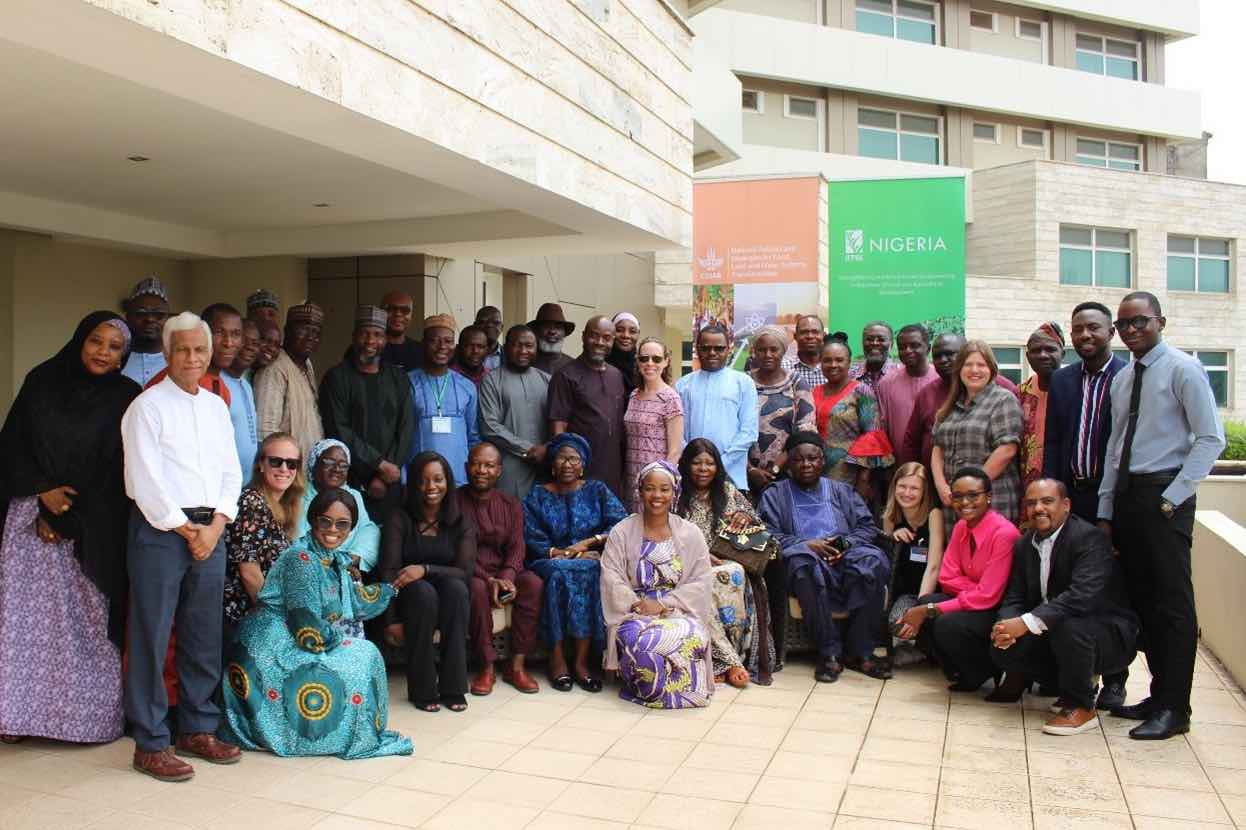
Six big ideas to advance food systems resilience in Nigeria: Bringing CGIAR Initiatives together to foster collaboration and policy coherence
Stakeholders grapple with rapid change.
-
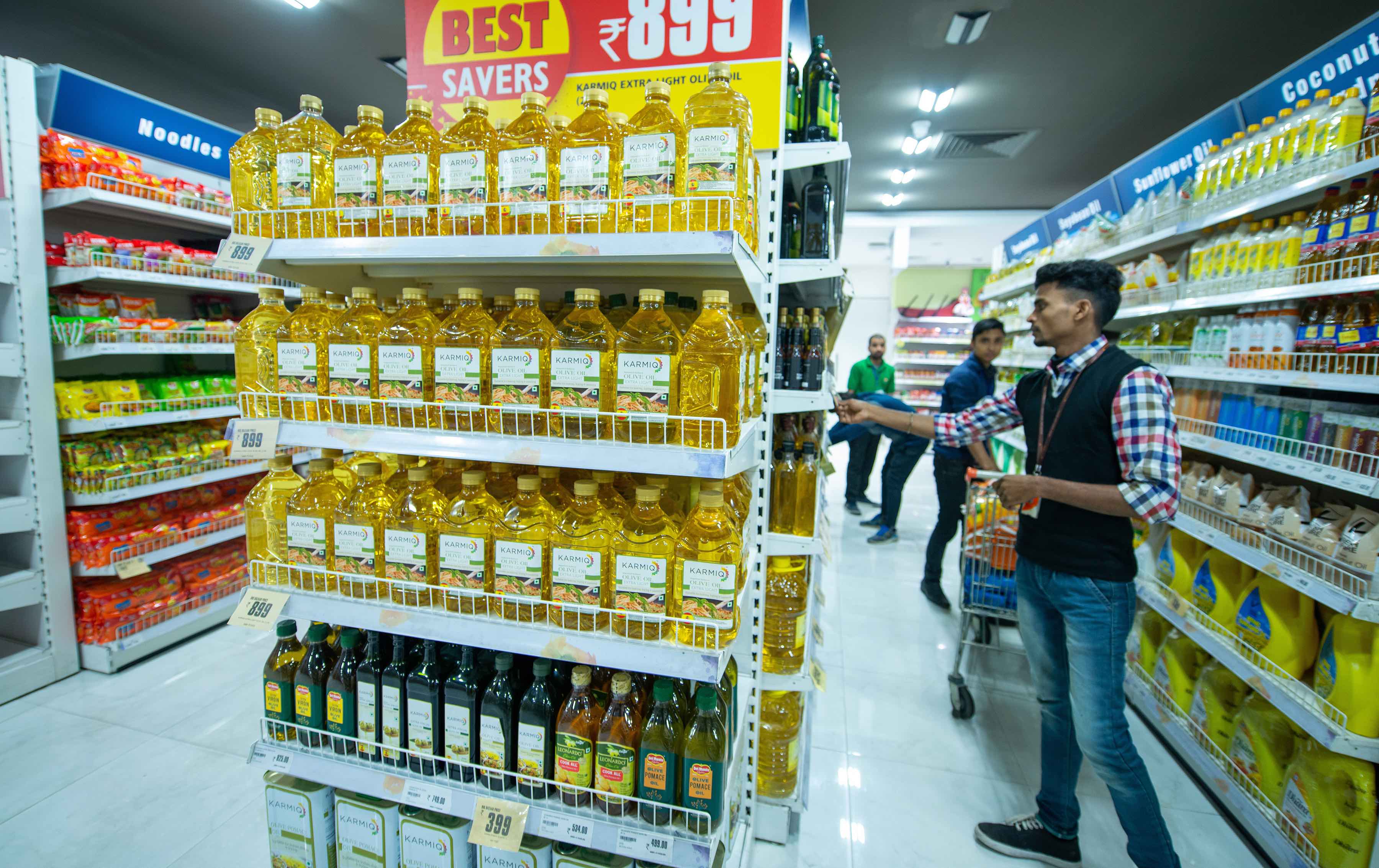
India’s edible oil imports from Nepal: Policy implications of current tariffs and free trade agreements
Explaining a case of tariff arbitrage.
-
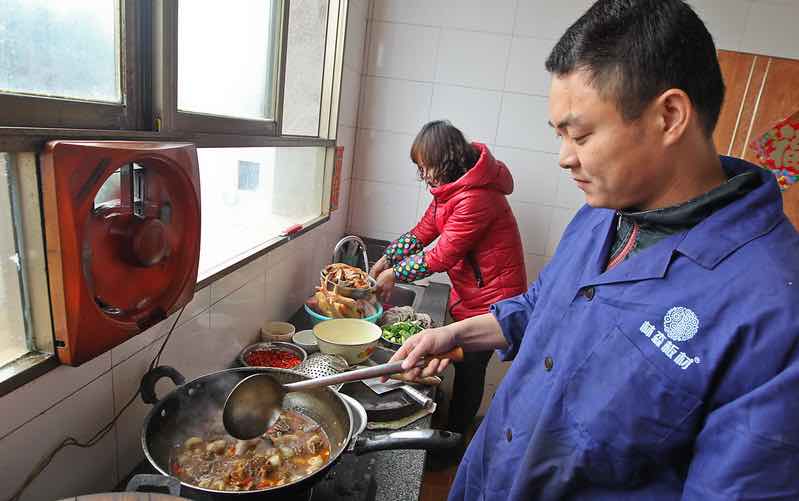
Insights into addressing undernutrition from China’s water, sanitation, and energy investments
Links between infrastructure and improved nutrition and health.
-
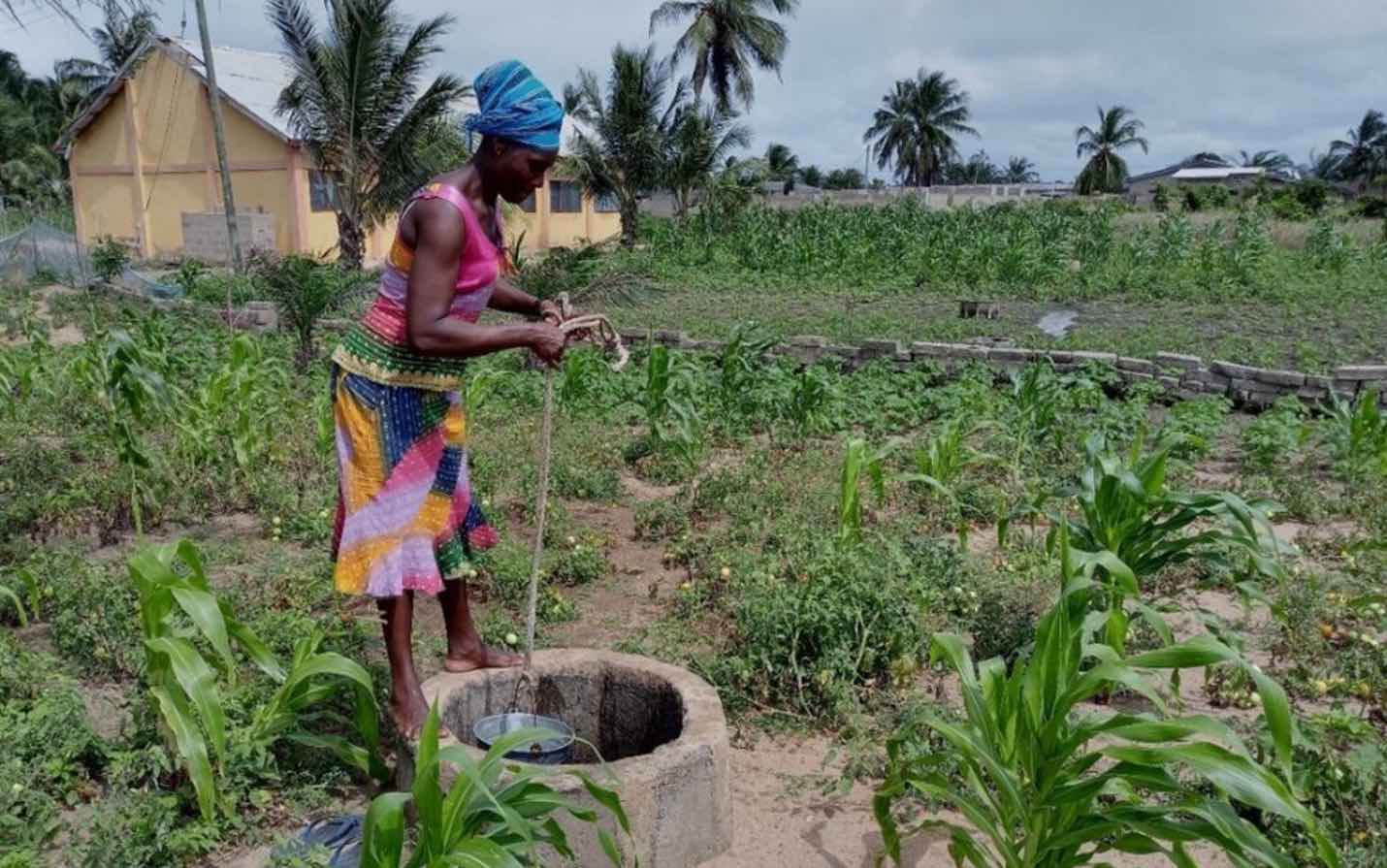
Enhancing groundwater governance through experimental games in Ghana
Developing the tools of resource management.
-

Is Ethiopia missing a golden opportunity for addressing hidden hunger? The opportunities and challenges of biofortification
A promising approach to micronutrient deficiencies.
-
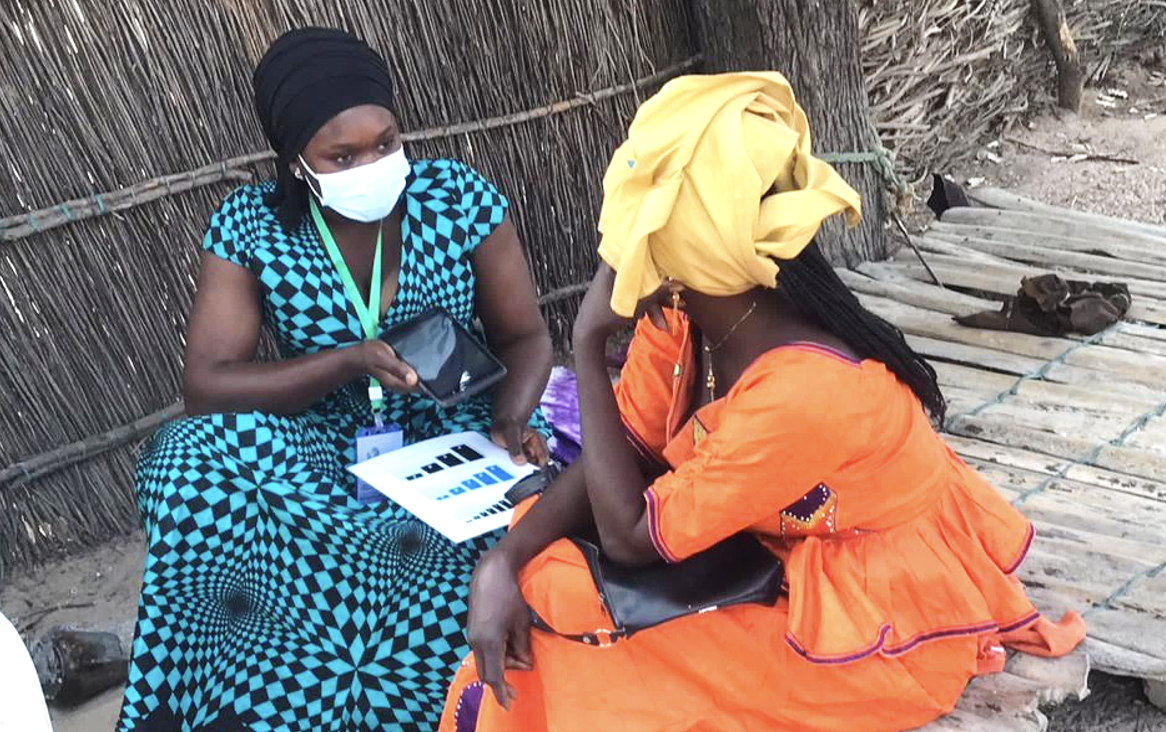
‘Dirty laundry is washed at home’: Increasing disclosure of violence against women and girls through self-administered surveys
Potential limits of in-person interviews.
-

“Le linge sale se lave à la maison” : Encourager davantage la divulgation des violences faites aux femmes et aux filles en utilisant des enquêtes auto-administrées
Potential limits of in-person interviews.
-
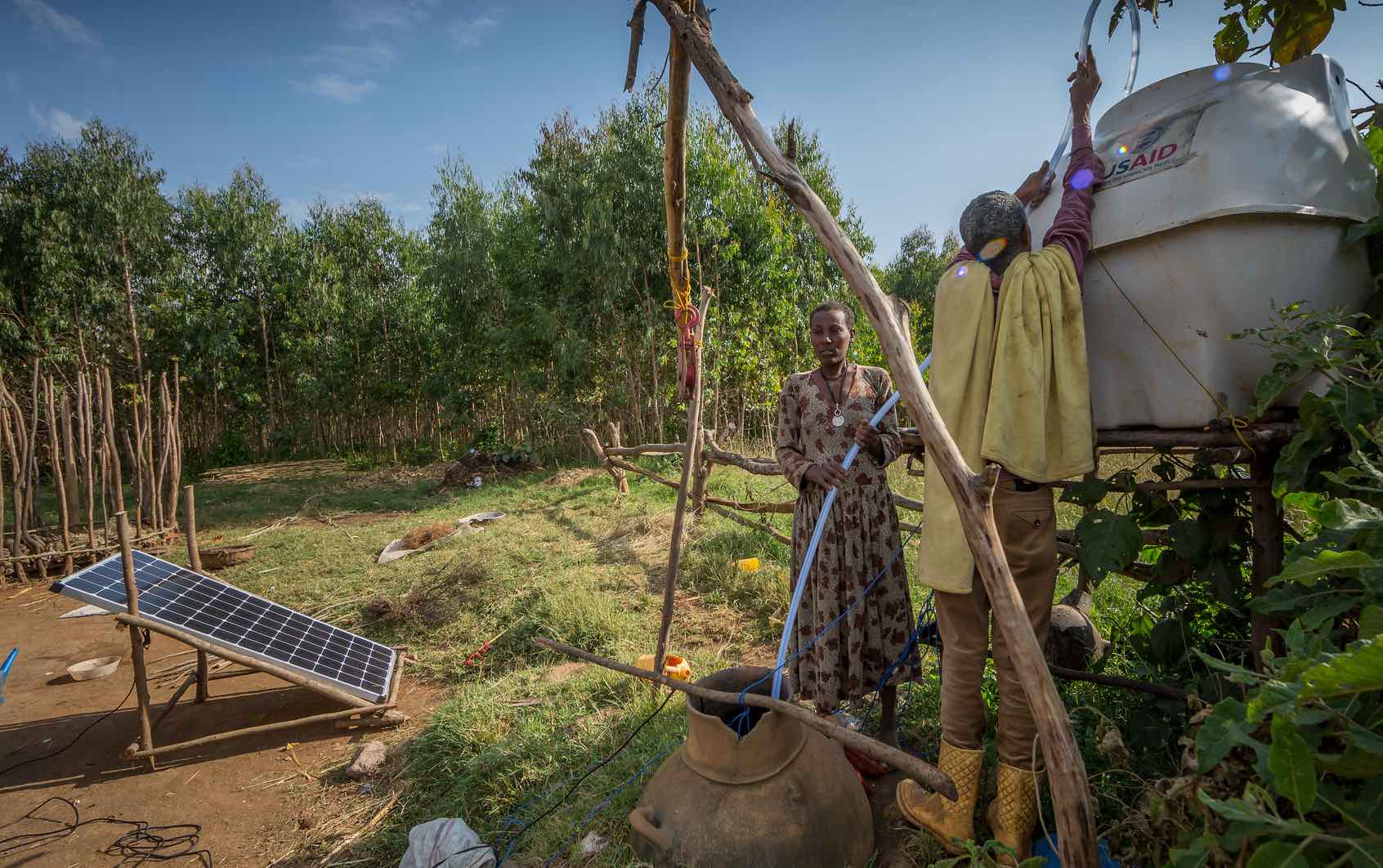
Unlocking the potential of irrigation for improved nutrition in Ethiopia
A key connection between water, diets, and public health.
-
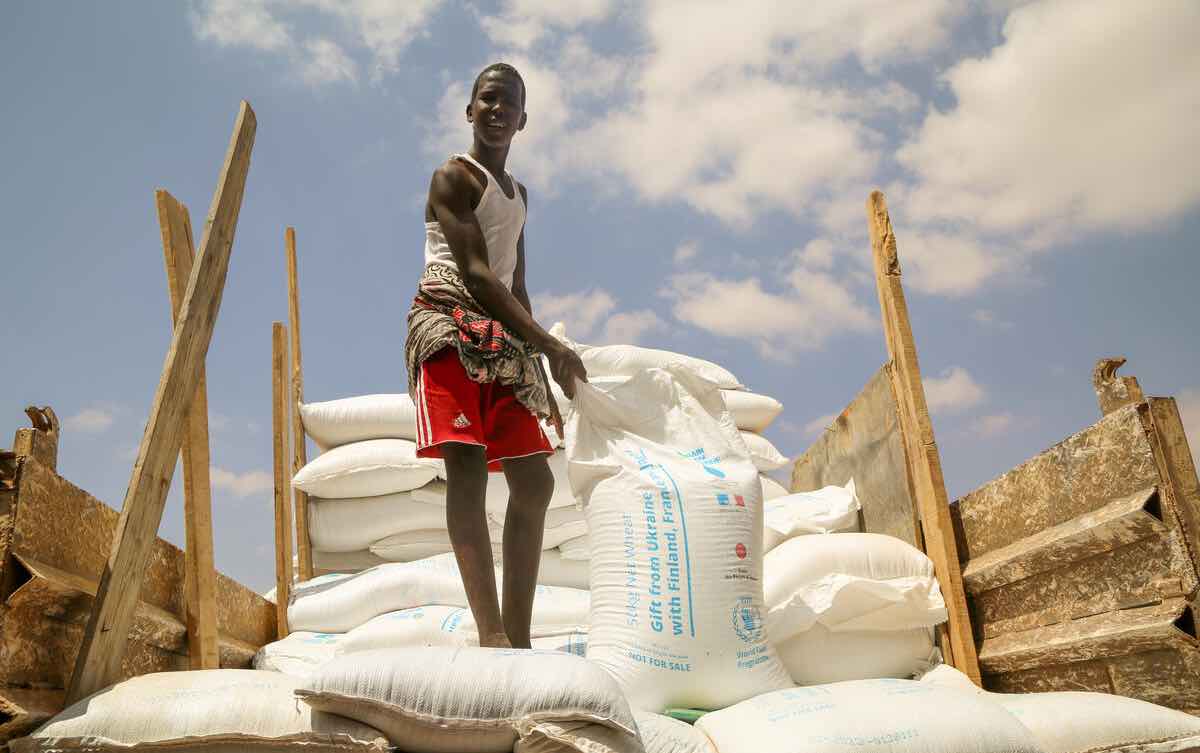
End of the Black Sea Grain Initiative: Implications for sub-Saharan Africa
What may happen as trade in wheat and other commodities is interrupted again.
-

Nigeria’s lesson on scrapping fuel subsidies
Many problems with a policy common in oil-producing countries.
-
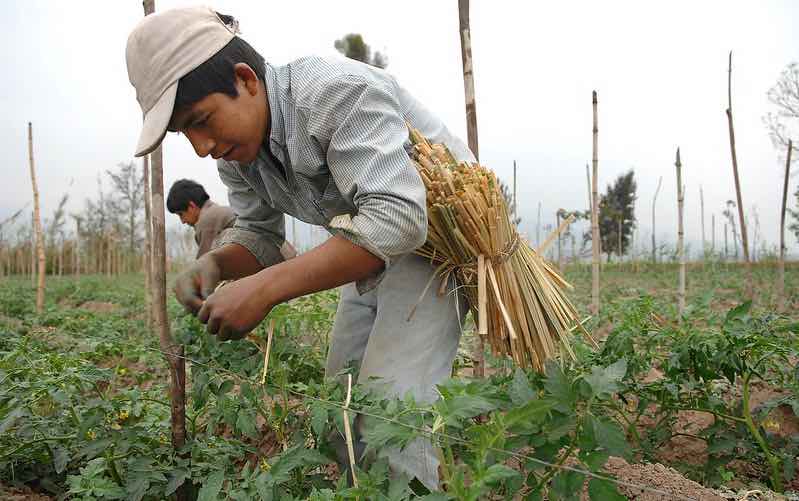
Advancing agricultural trade reforms: Latin American contributions to the multilateral trading system
Will the 2024 13th WTO Ministerial Conference bring real change?
-
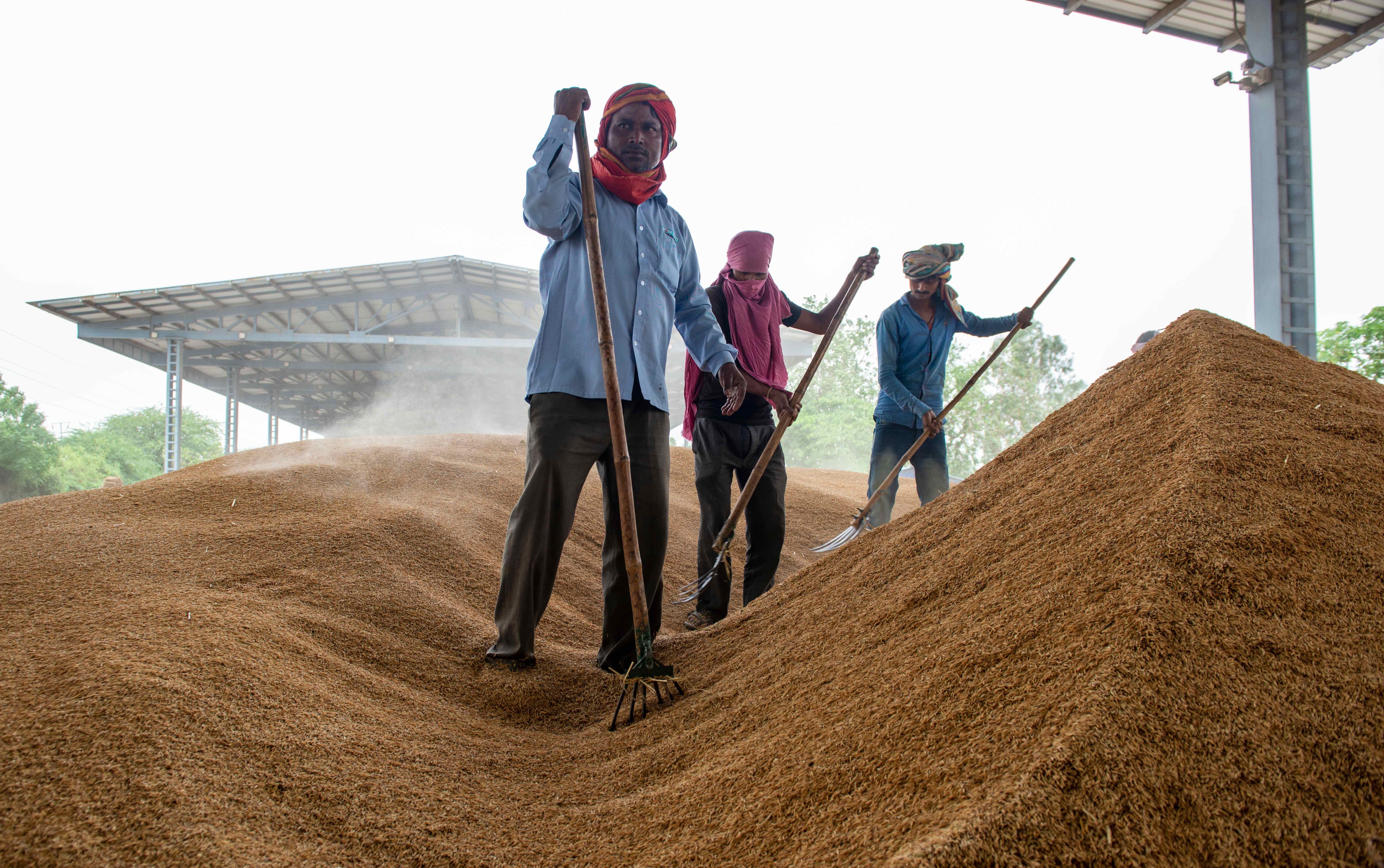
India’s new ban on rice exports: Potential threats to global supply, prices, and food security
New commodity market risks.
-
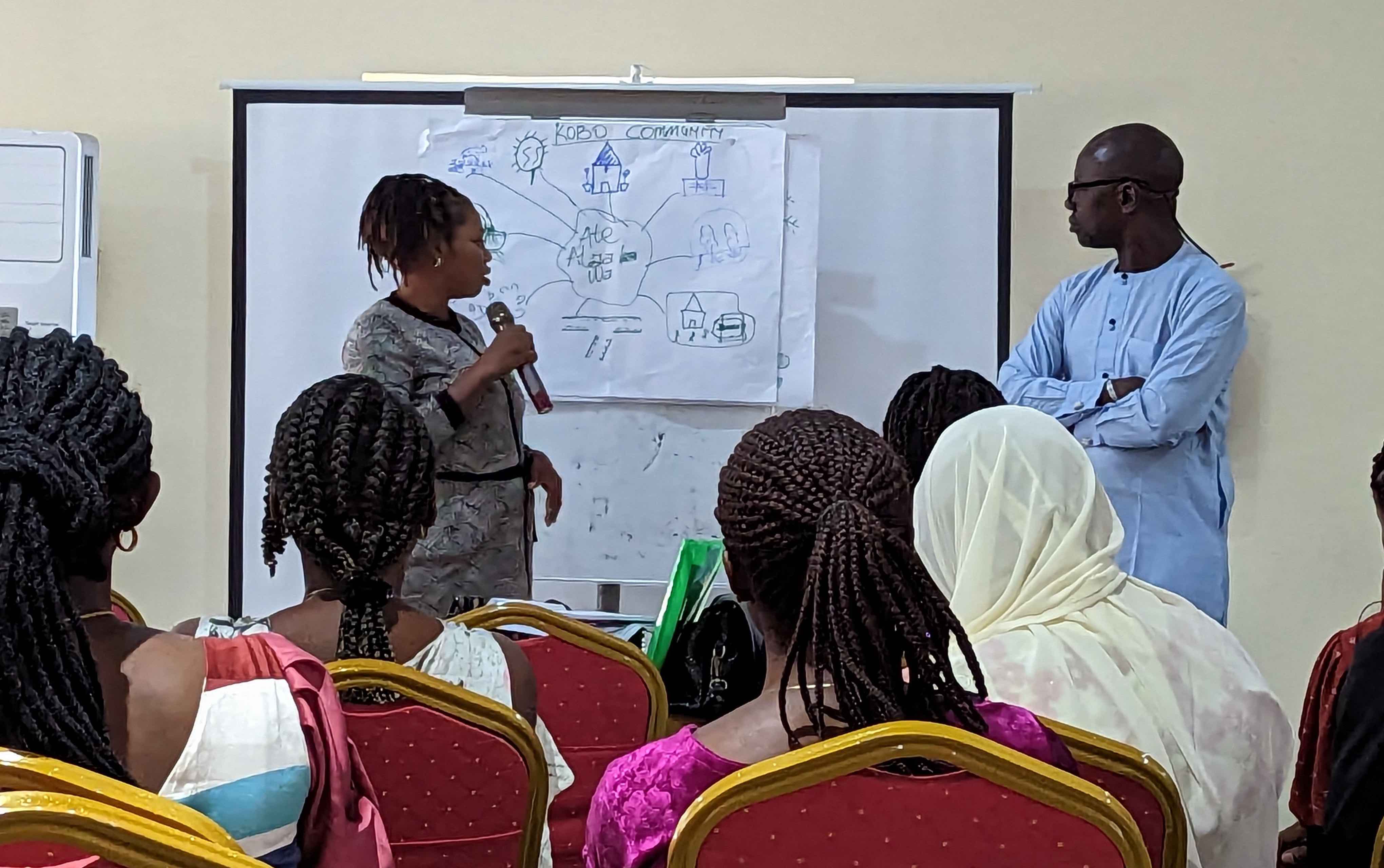
Participatory learning to raise rural women’s agency: Cultivating leadership and advocacy in Nigeria
How can trainings help to overcome social and economic barriers?
-

Russia terminates the Black Sea Grain Initiative: What’s next for Ukraine and the world?
New problems as a key agricultural trade route is cut off.
-
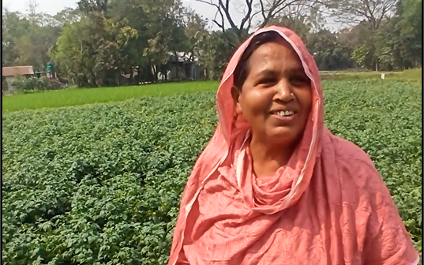
Sowing the seeds of resilience among smallholder farmers in Bangladesh
Benefits of climate-smart strip-planting.
-
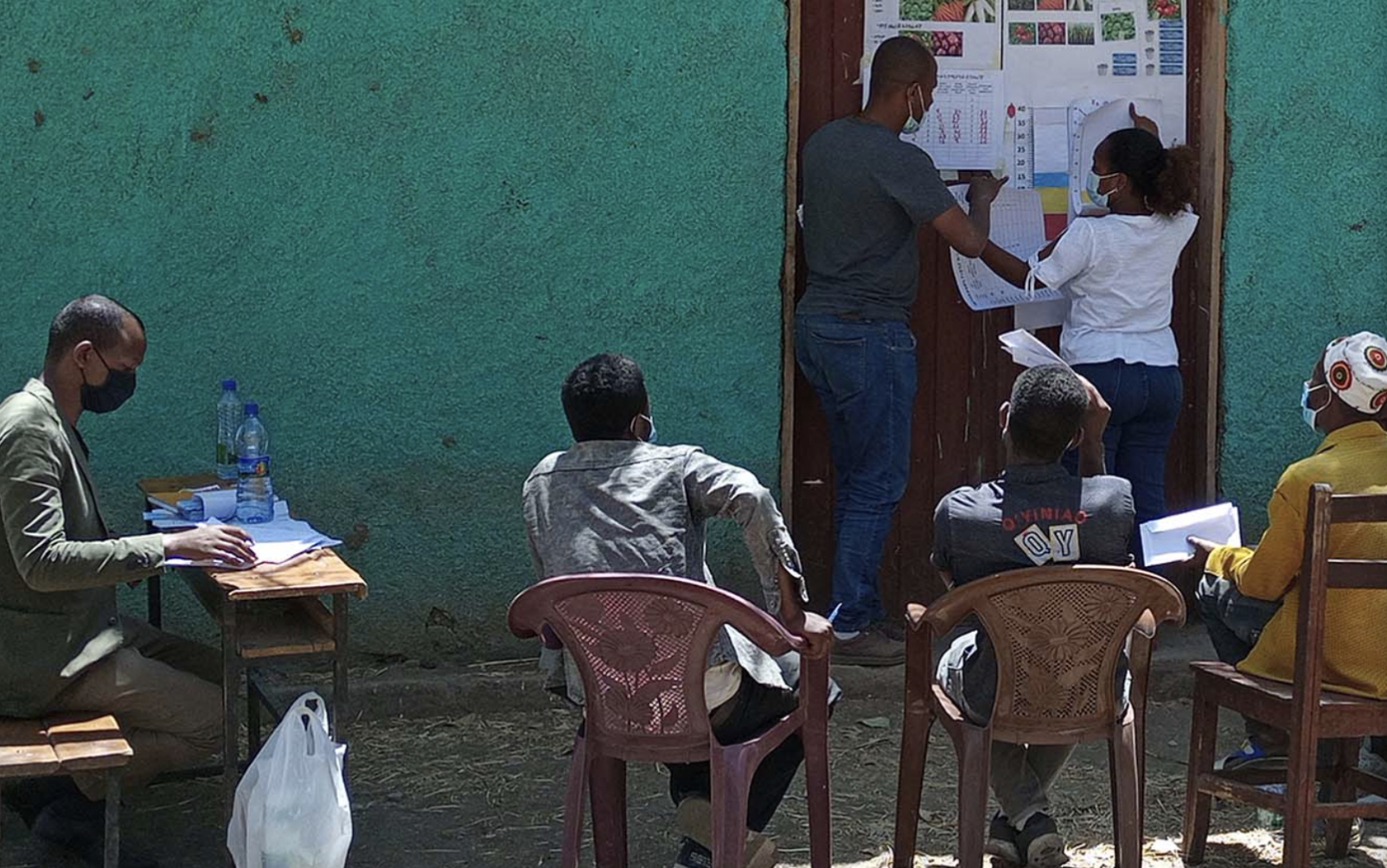
‘When the water goes down, we remember the games’: A photo story on groundwater governance in Ethiopia
Refining understanding and management options for a key resource.
-
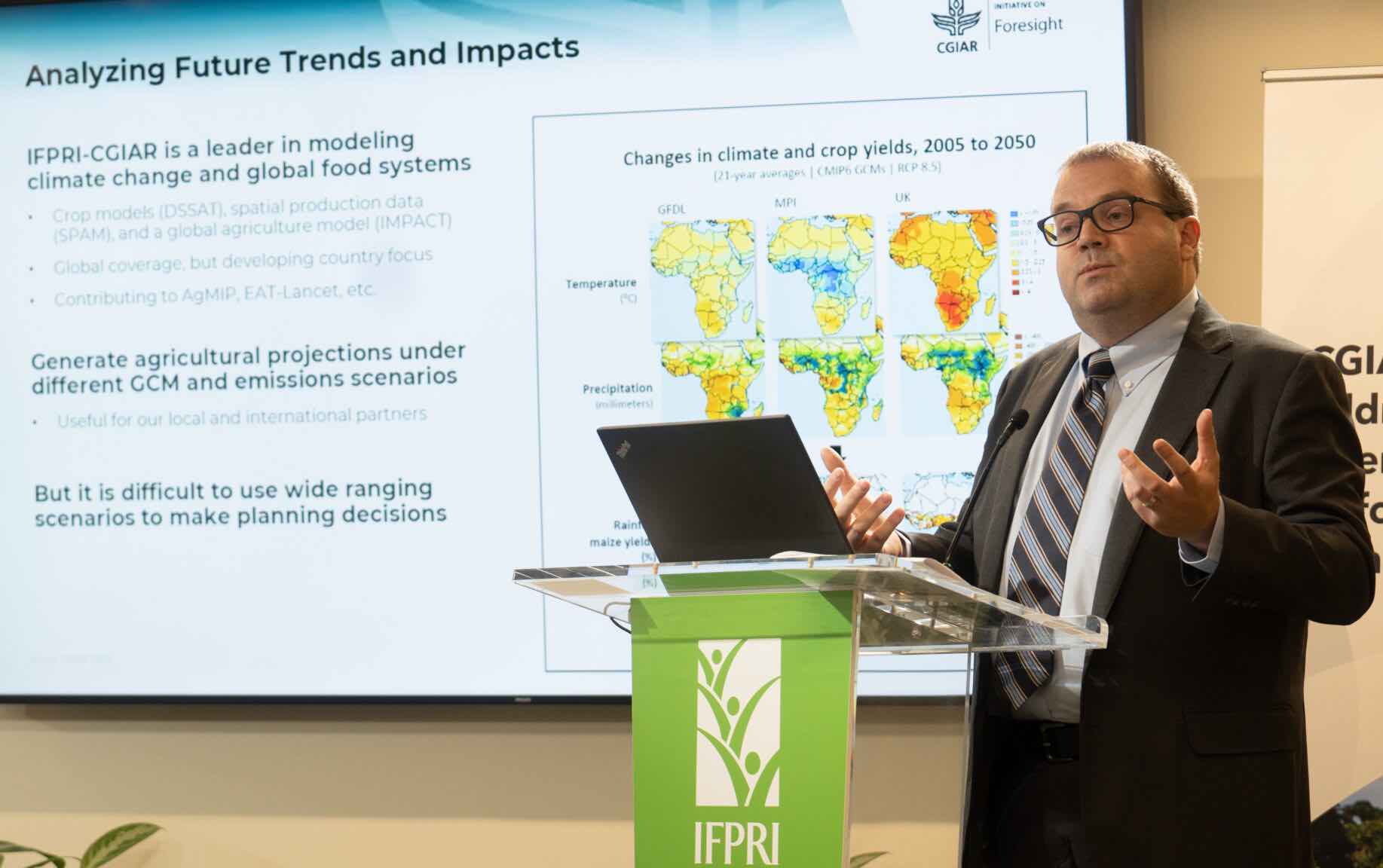
AIM4C Summit Side Event: Foresight, climate change, and agrifood systems
New insights into developing country impacts.
-

Australia’s Murray-Darling Basin shows why the ‘social cost of water’ concept won’t work
A complex resource resists unitary assessments.
-
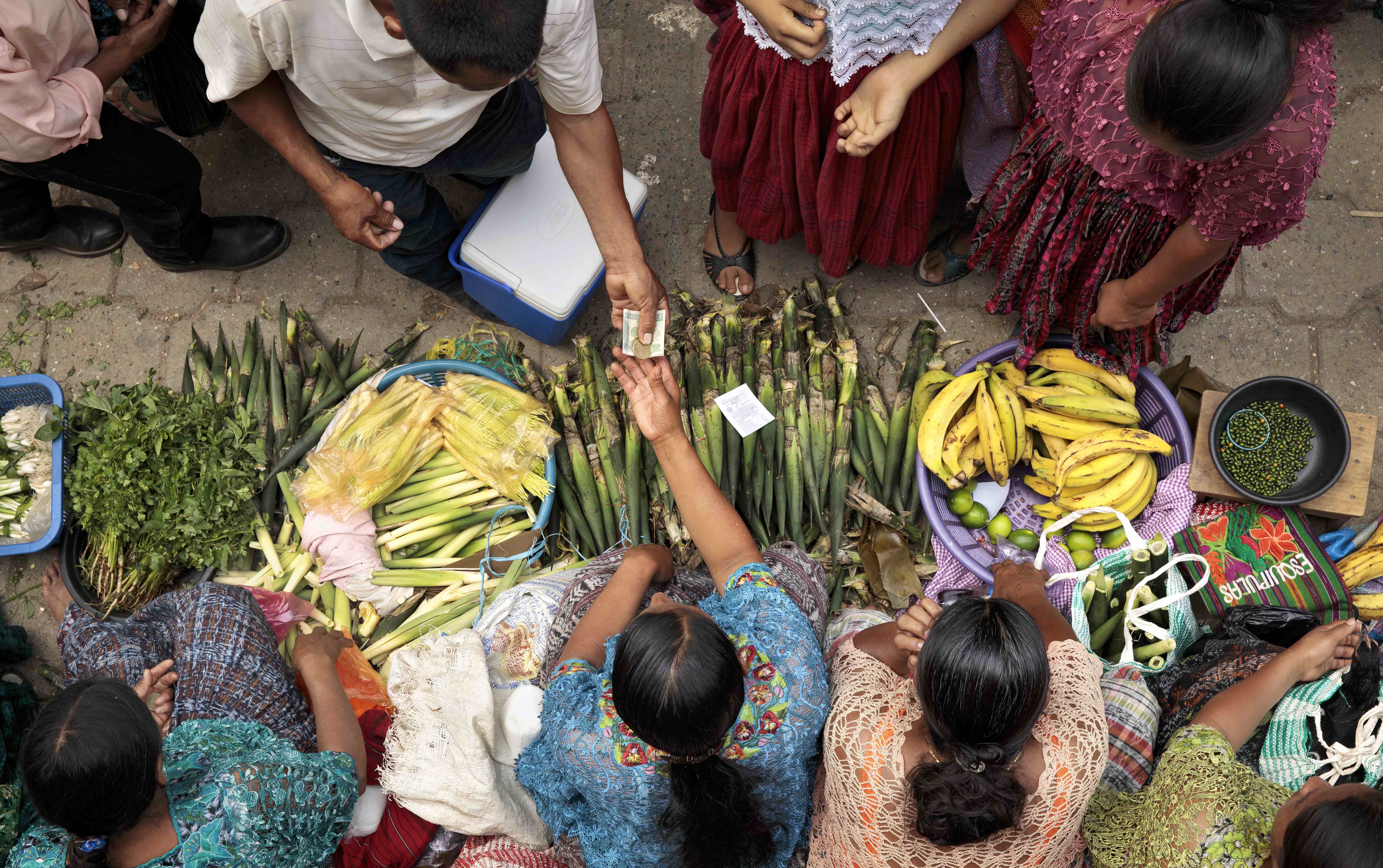
Lanzamiento del Informe Global de Políticas Alimentarias 2023 en América Latina: Políticas para construir resiliencia ante los shocks
A region key to feeding the world faces an era of global crisis.
-

Global Food Policy Report 2023 Latin America launch: Policies to build resilience to shocks
A region key to feeding the world faces an era of global crisis.
-
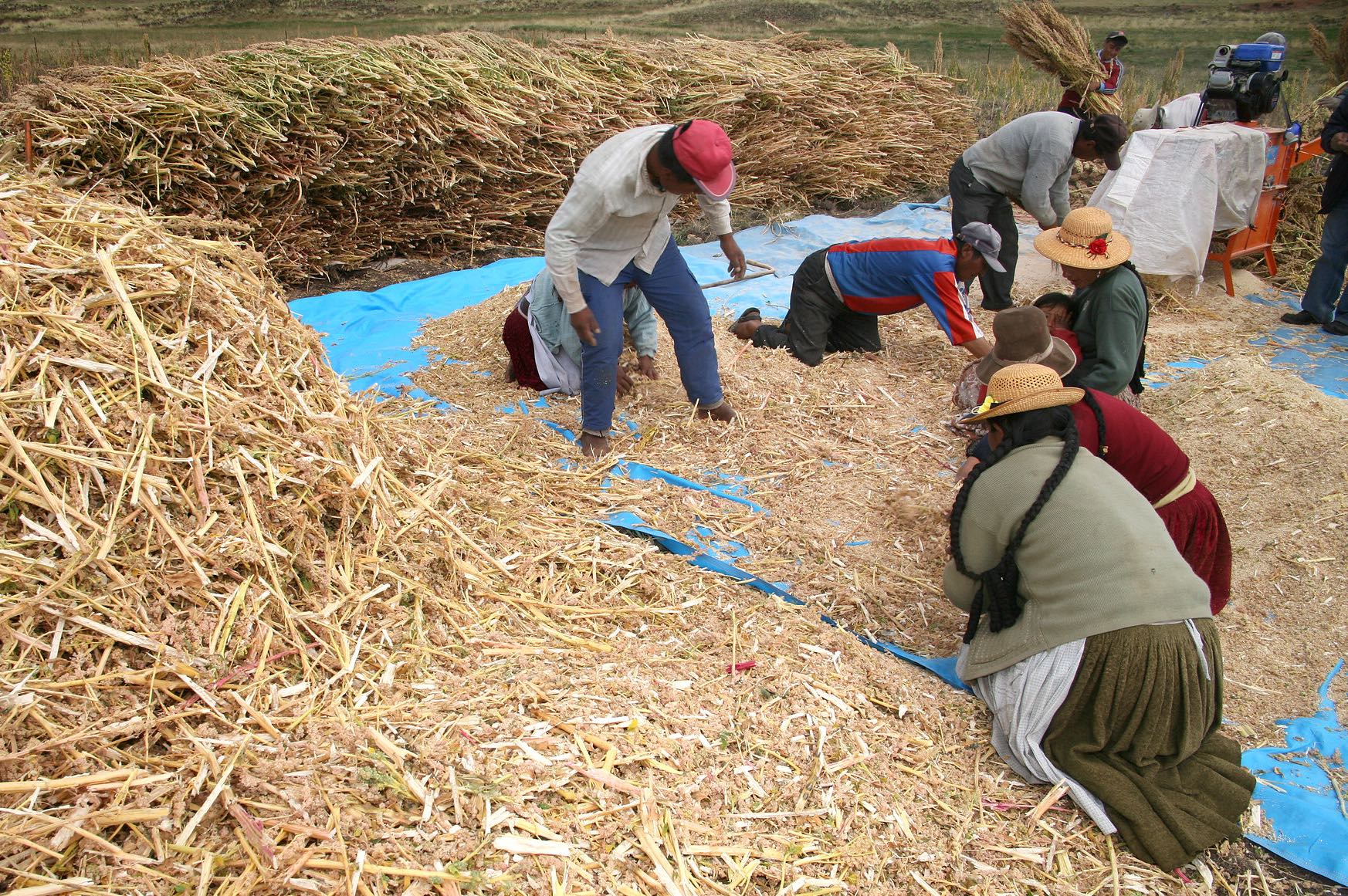
Realizing the potential of neglected crops in Latin America
Quinoa, acai, and other foods can expand markets and improve diets.
-
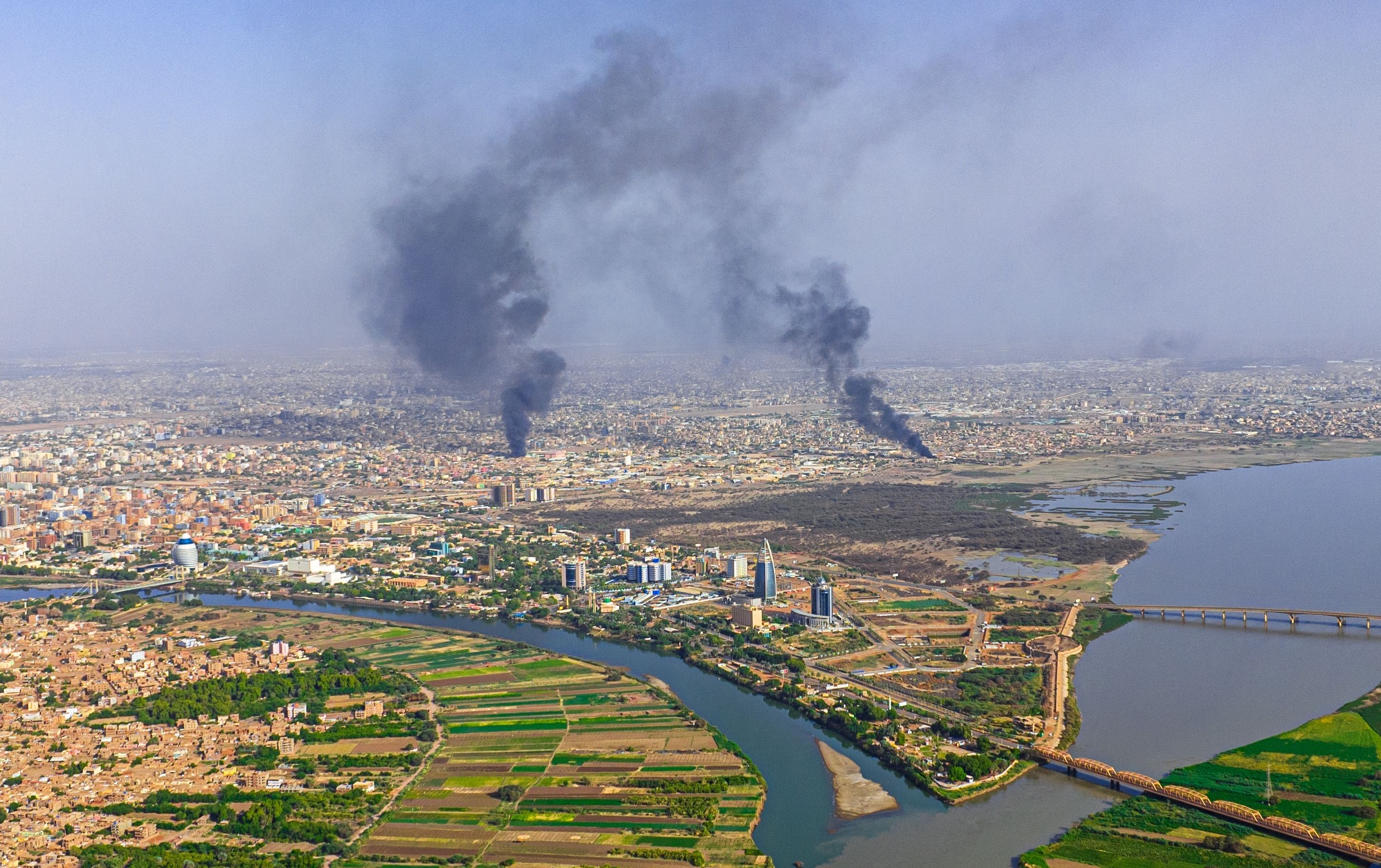
Using atmospheric satellite data to monitor unfolding economic impacts of conflict in Sudan
Changes in nitrogen dioxide emissions reflect migration, other changes.
-
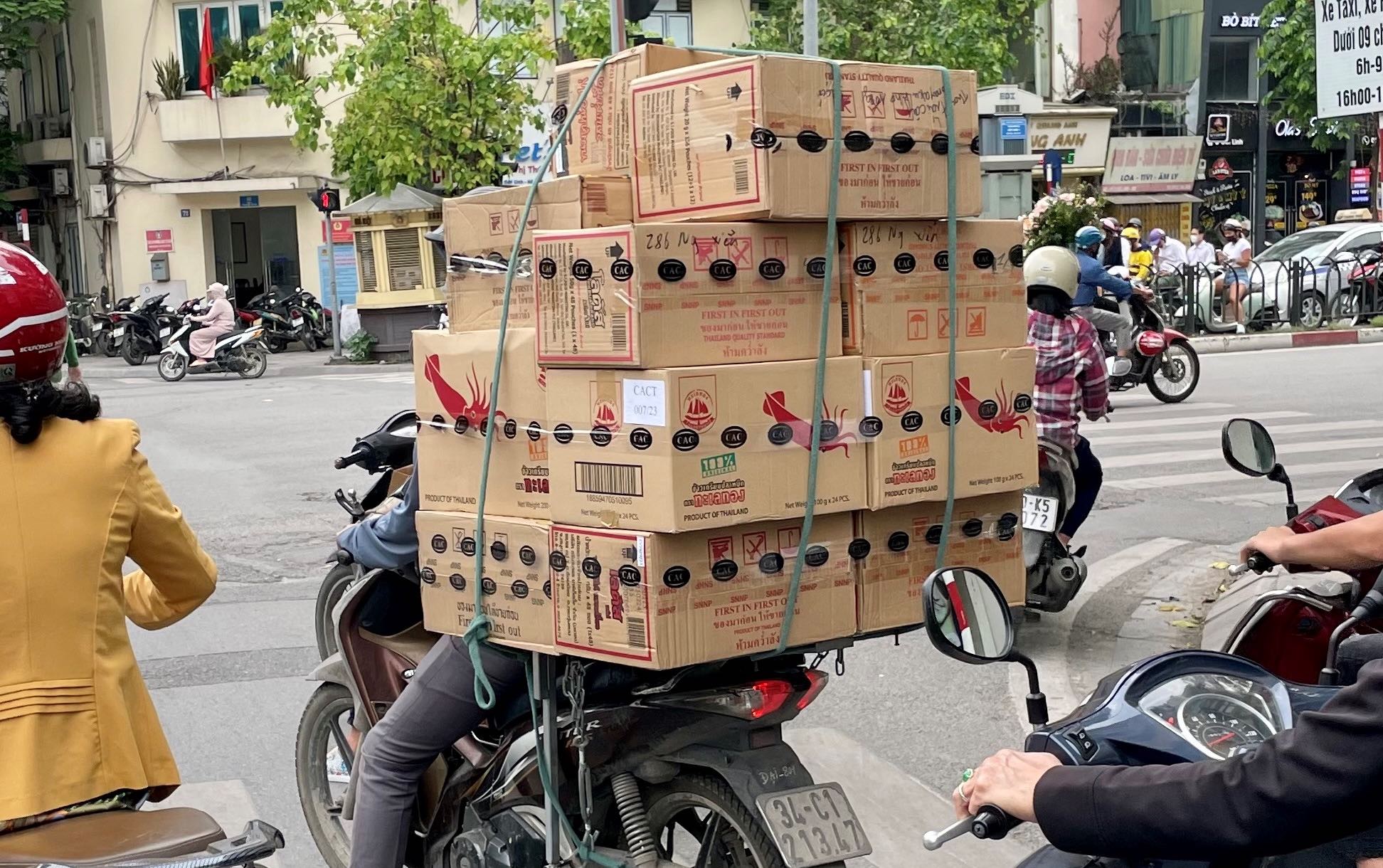
Addressing the knowledge gap on the financial needs of firms in the midstream of agricultural value chains
Shedding light on a key segment of the food system.
-
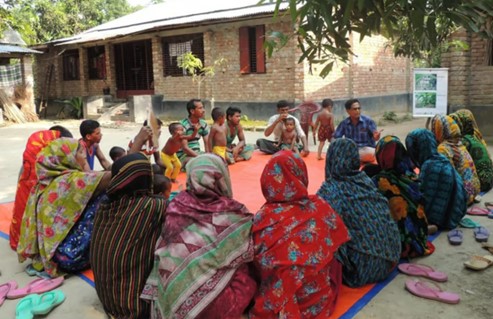
Making a Difference: The Agriculture, Nutrition, and Gender Linkages (ANGeL) Project
Improving nutrition in Bangladesh farming households.
-

Improving child and adolescent diets at school: An evaluation of Chile’s Food Labeling and Advertising Law
Creating a healthier food environment.
-
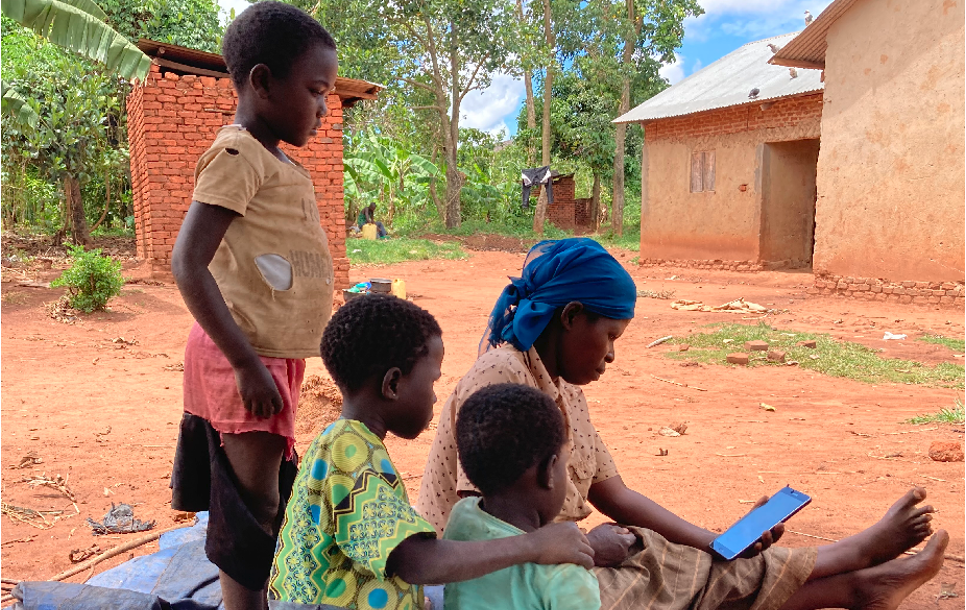
‘Miracle seeds,’ informational curses? The risk of high expectations for new agricultural technologies
Using videos to test skewed perceptions of improved crop varieties.
-

Policy seminar: Then and now – a look at domestic support
Evolving rules on farm subsidies.
-
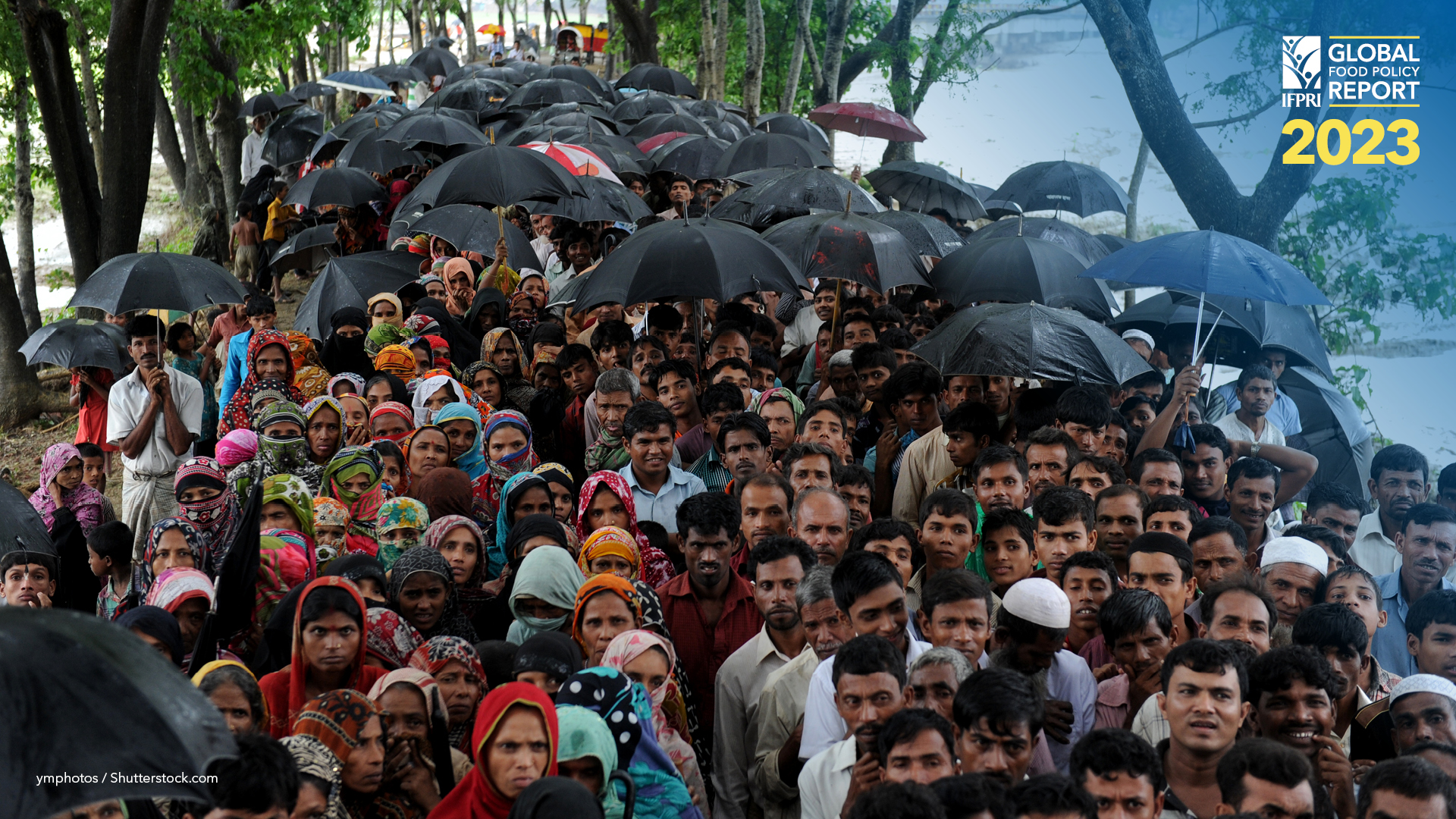
Forced migration: Policy responses to improve outcomes
Exploring the significance of World Refugee Day and the complex dynamics of global migration.
-
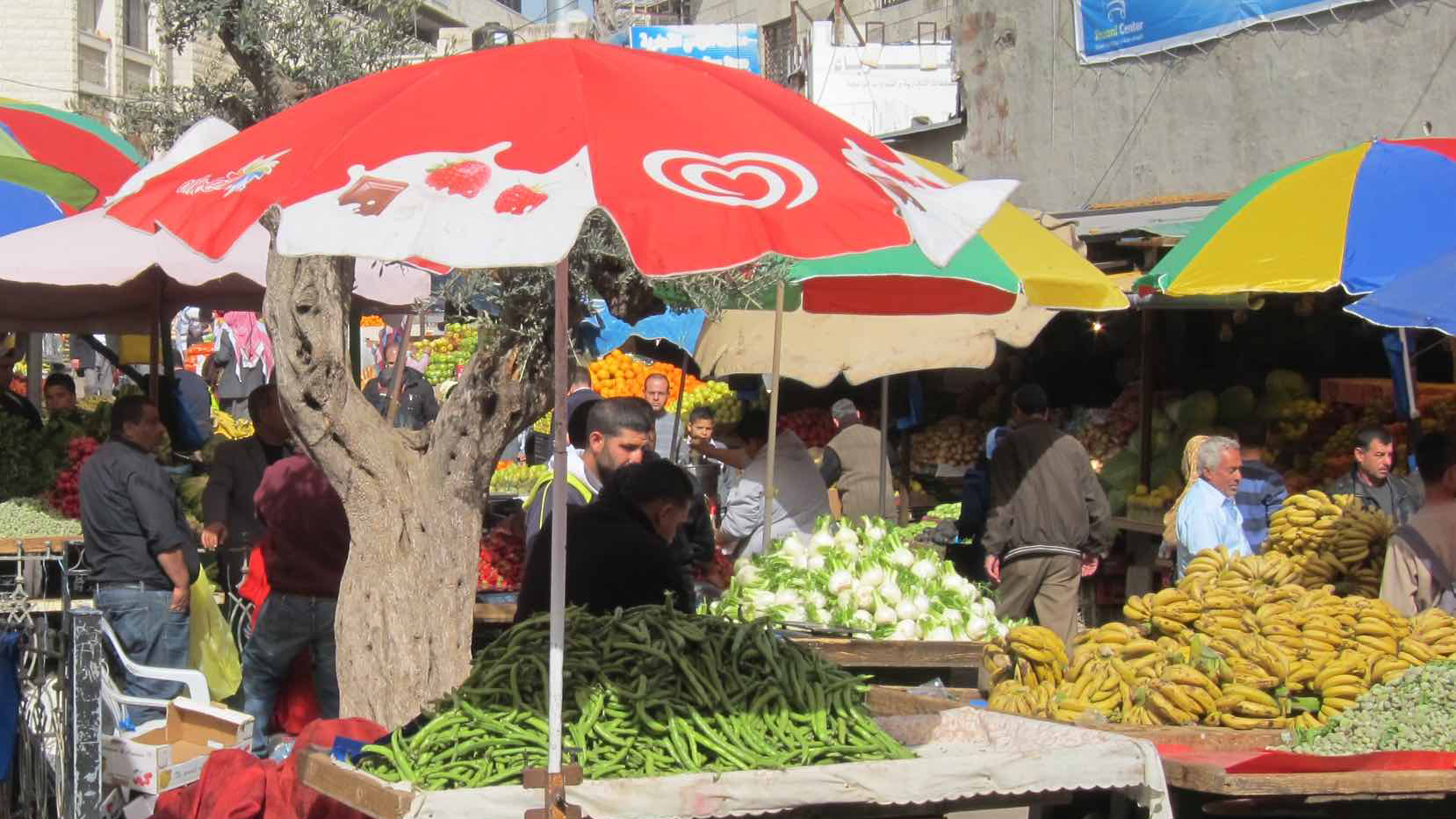
The Reference Diet Deprivation (ReDD) index: A new diet quality measure for more effective nutrition-sensitive policies
Assessing how household diets fall short.
-
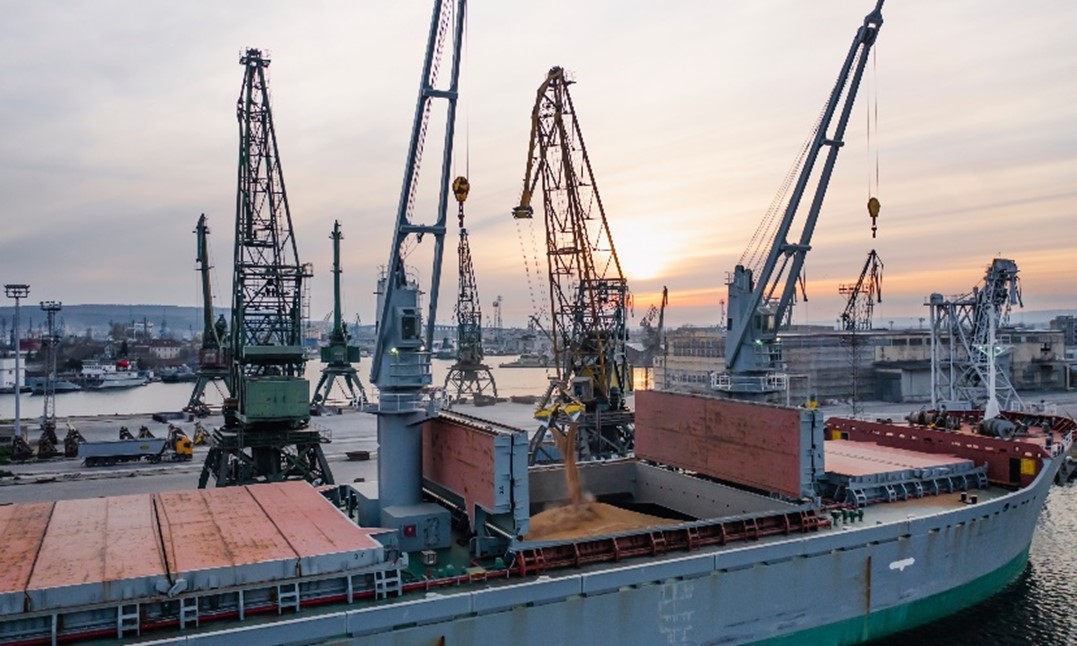
Increased tensions in Ukraine again threaten the Black Sea Grain Initiative
The collapse of the Nova Kakhovka dam and the damage of the ammonia pipeline renew worries about the deal termination.
-
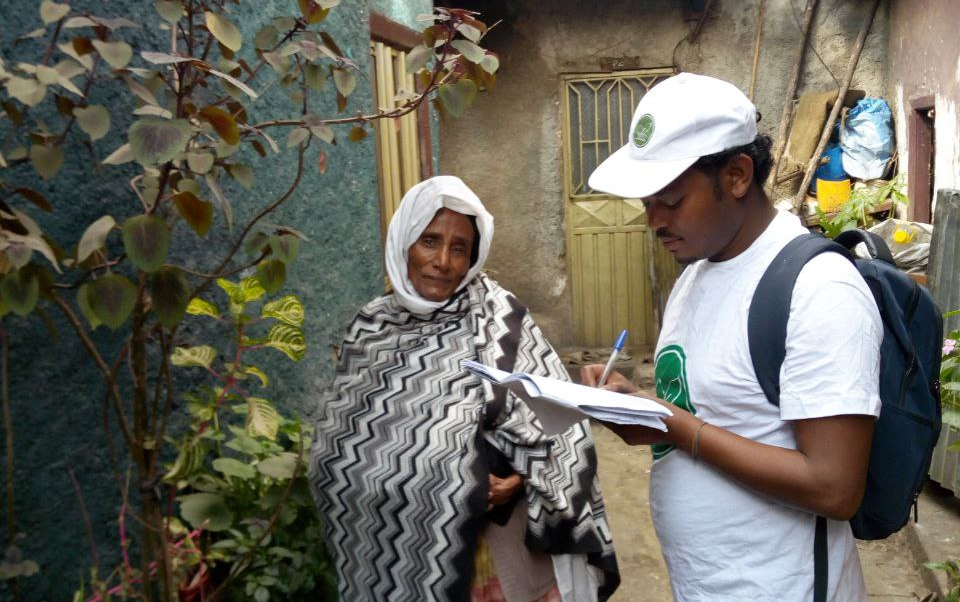
Can phone surveys be used in standard poverty measurement? Evidence from Ethiopia
An experiment suggests survey fatigue can skew results.
-
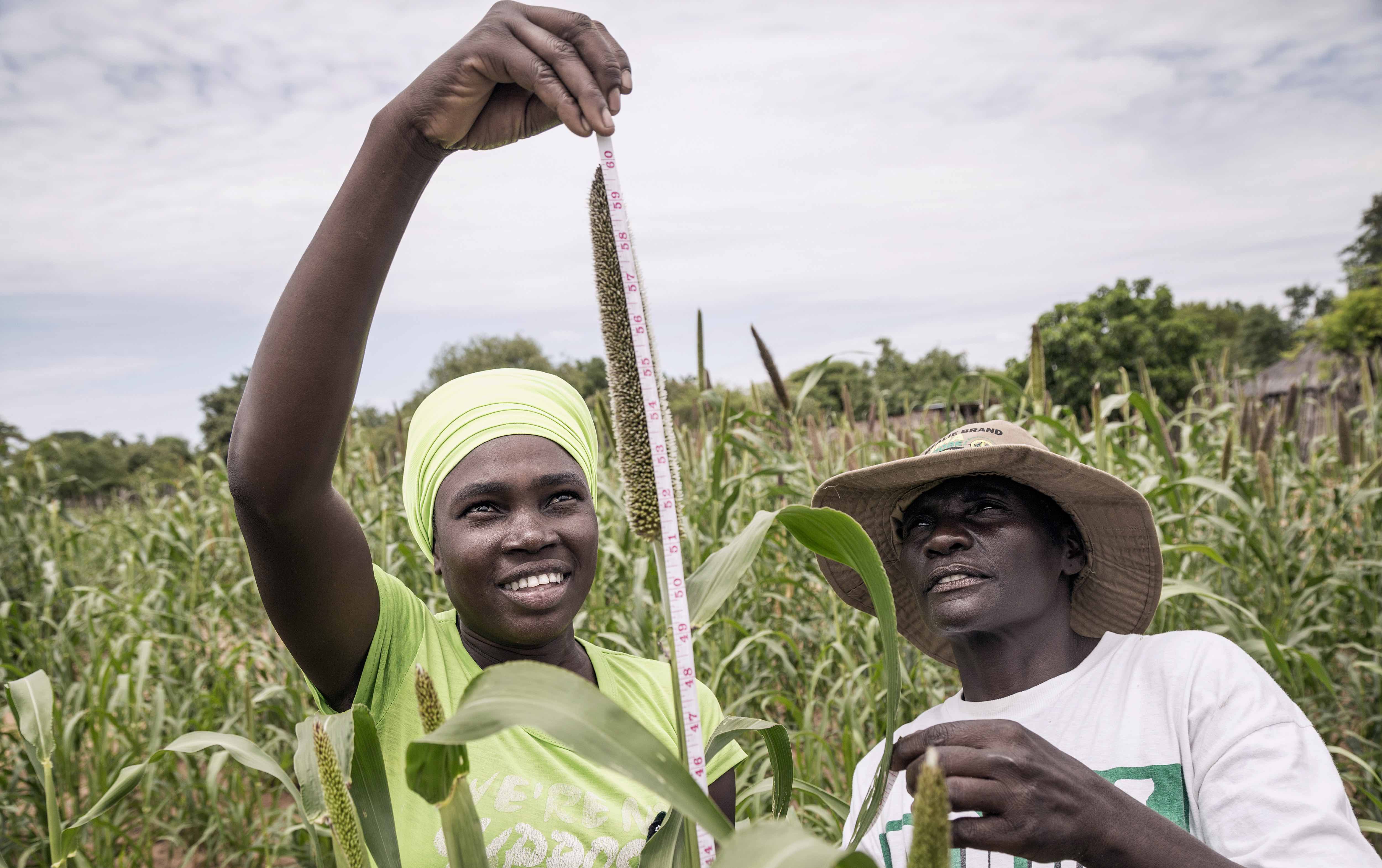
Bringing back neglected crops: A food and climate solution for Africa
The promise of sorghum, kale, and other traditional food items.
-
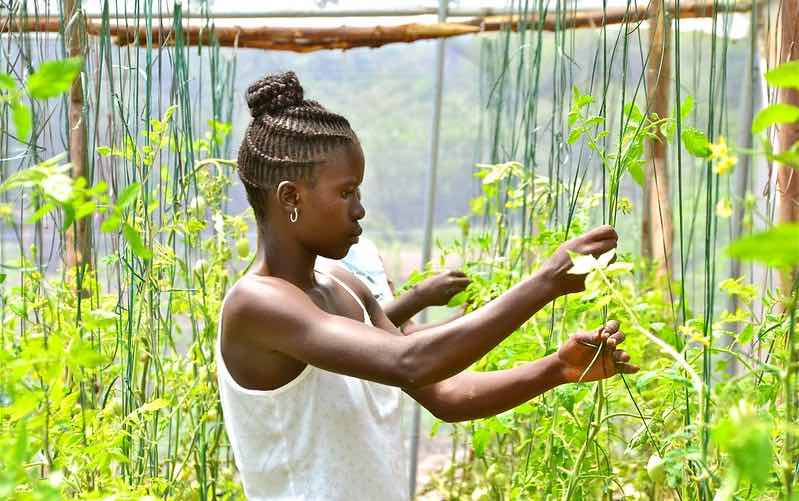
How can artificial intelligence-powered chatbots help policymakers? A roadmap for Kenya
Integrating AI into the policy process.
-

AIM4C Summit: Innovation for integrating and mainstreaming agriculture in climate action
Ways to feed the world and meet Nationally Determined Contributions (NDCs) for carbon reductions.
-
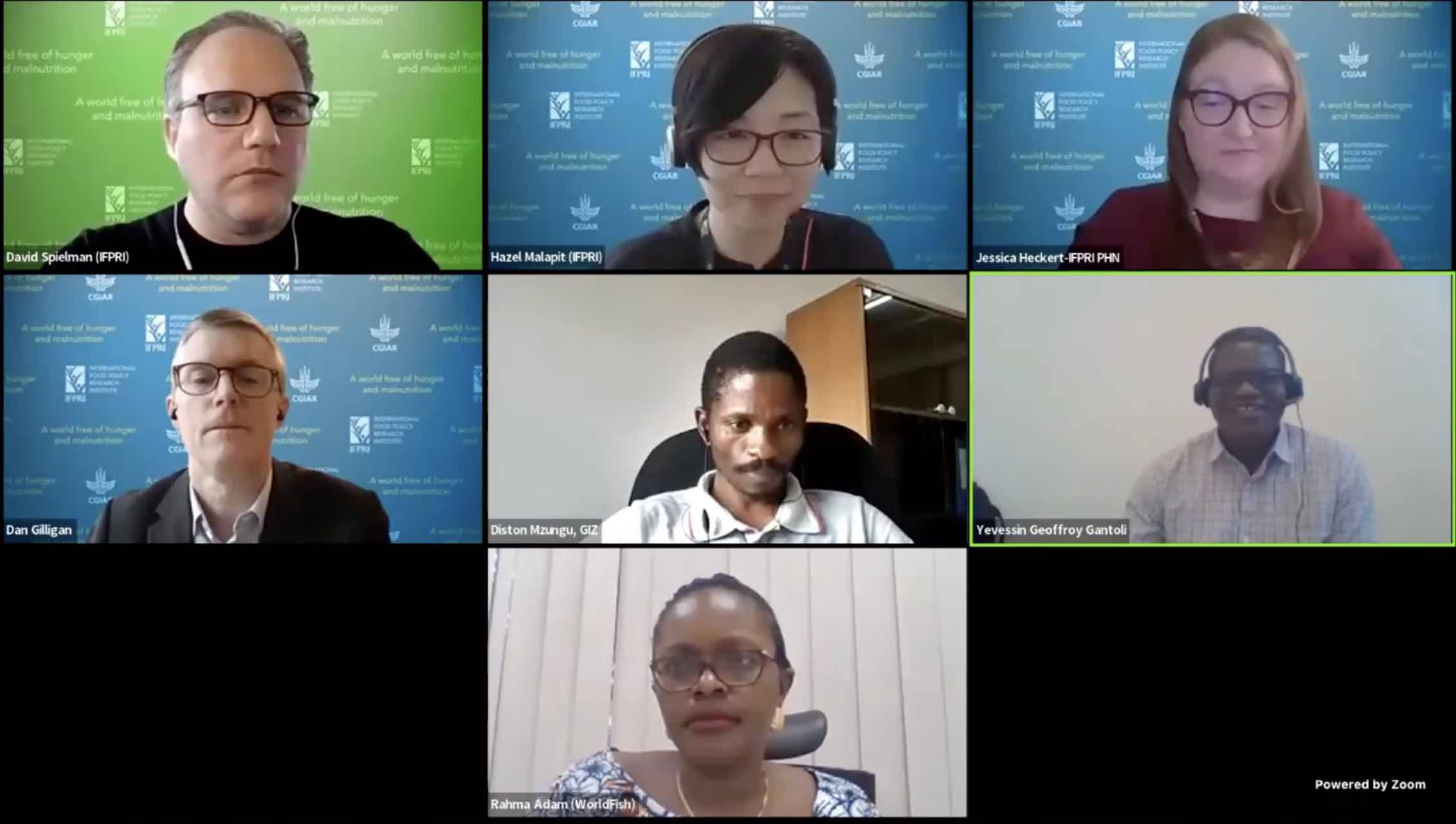
Policy seminar: New pro-WEAI modules gauge women’s empowerment in nutrition and health, market inclusion
An expanding toolkit for assessing key gender issues in development projects.
-
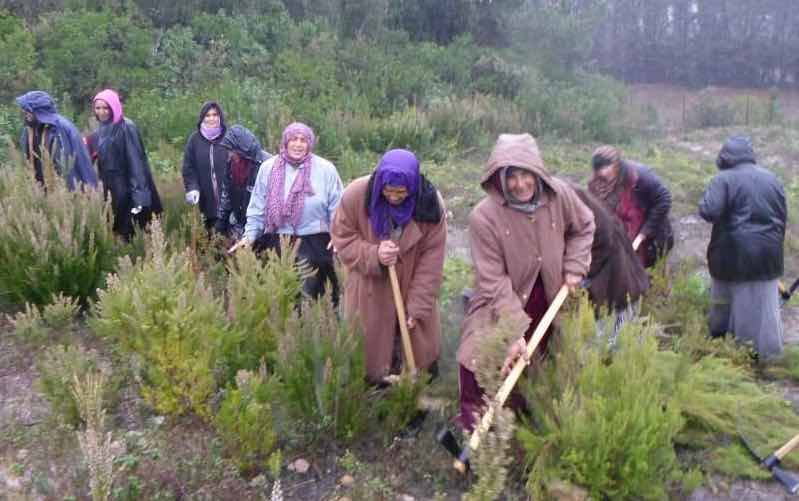
The long-run effect of public works employment: Evidence from Tunisia
Evaluating the impacts of workfare.
-
Developing a Women’s Empowerment Metric for National Statistical Systems
Closing the gender data gap in agricultural development.
-
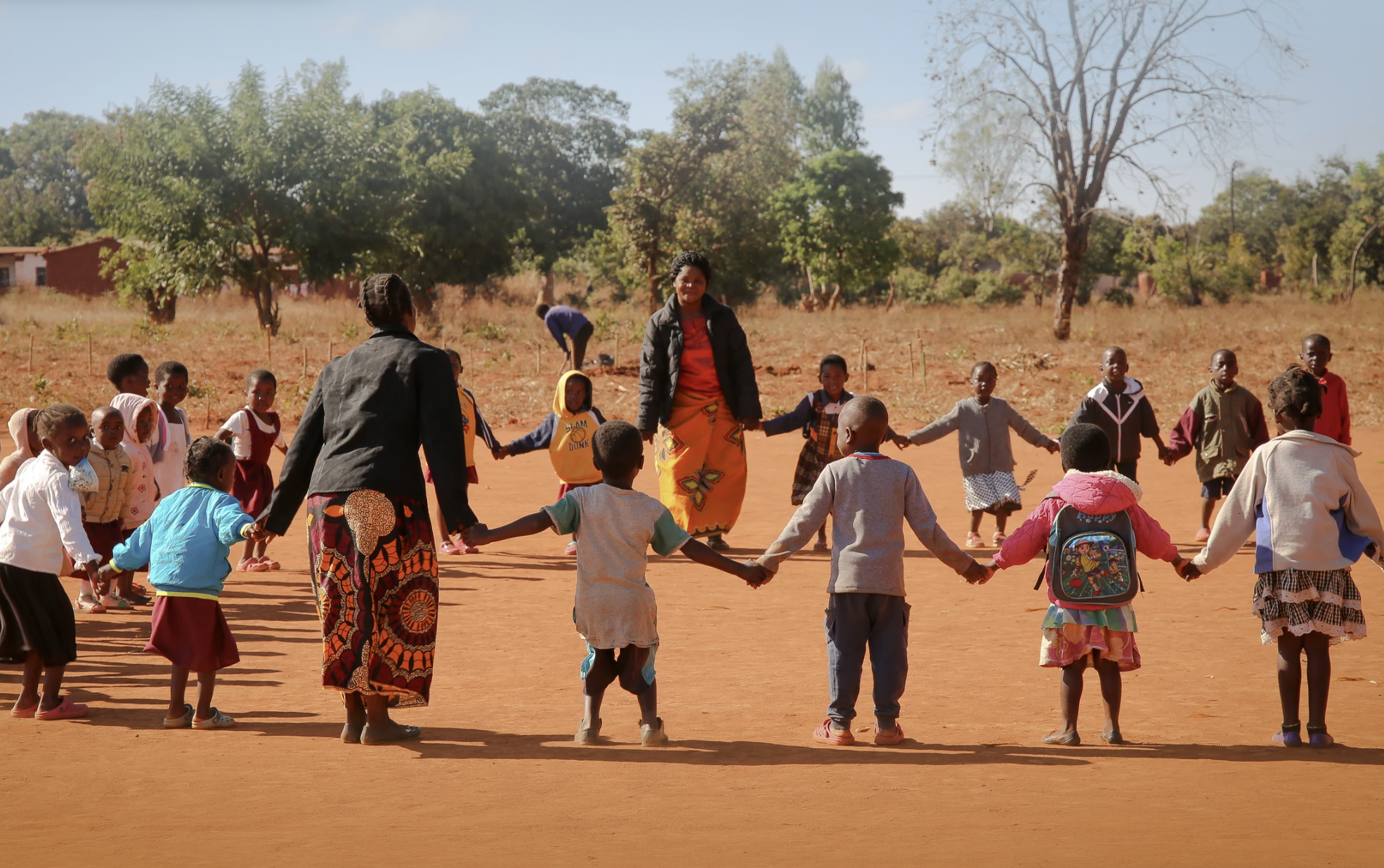
Making a Difference: Childcare centers as a platform for improving child nutrition in Malawi
Education programs for parents yield continuing benefits.
-
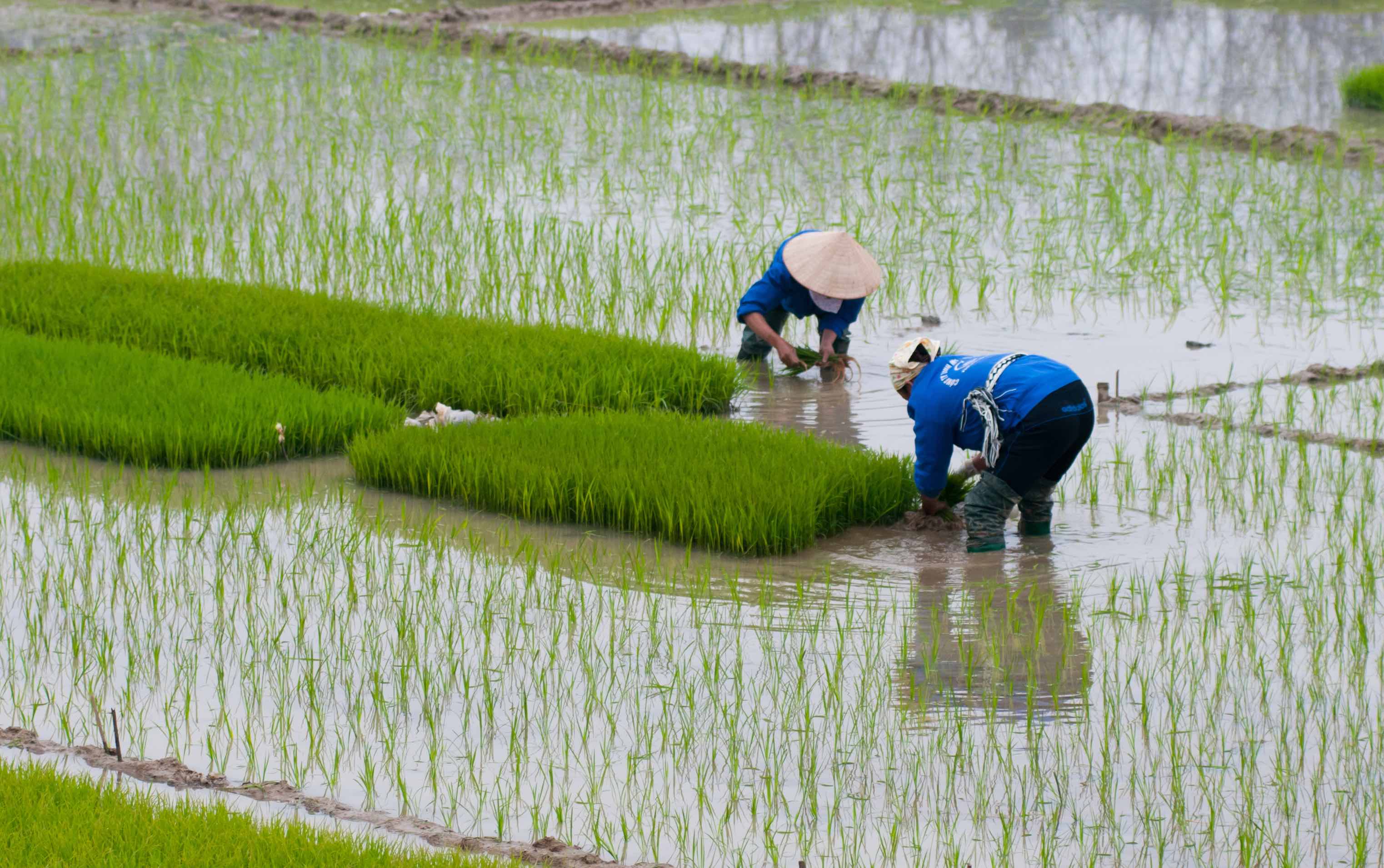
Rice markets in South and Southeast Asia face stresses from El Niño, export restrictions
After a period of relative tranquility, trouble looms.
-
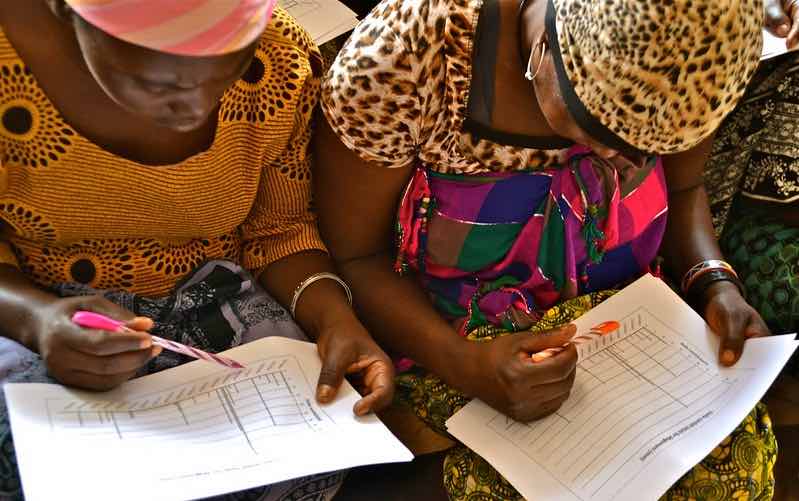
Call to action: Addressing gender inequality in agrifood systems for effective responses to climate change
Launching an Innovation Sprint on Gender and Climate Action.
-
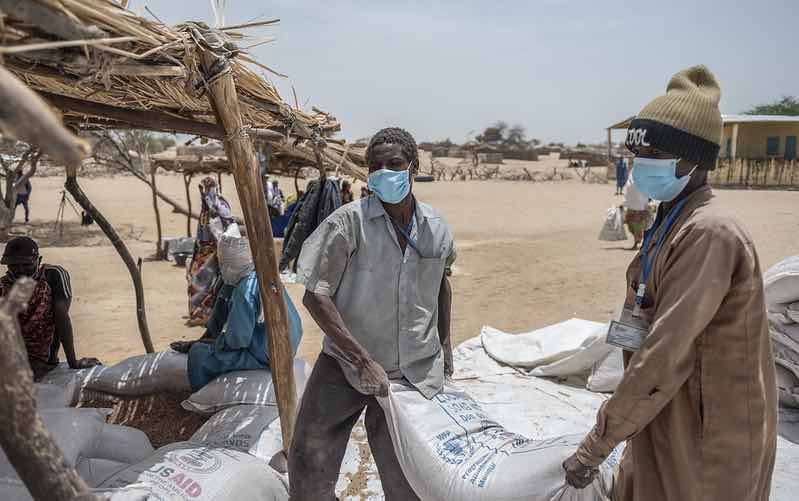
Six lessons learned from a year of multiple crises: Beyond the Russian invasion of Ukraine
Strategies and policies to build food system resilience.
-
IFPRI-BIMSTEC MoU signing: Transforming agrifood systems in the Bay of Bengal region
Promoting a sustainable and inclusive food, agriculture, and trade transformation.
-
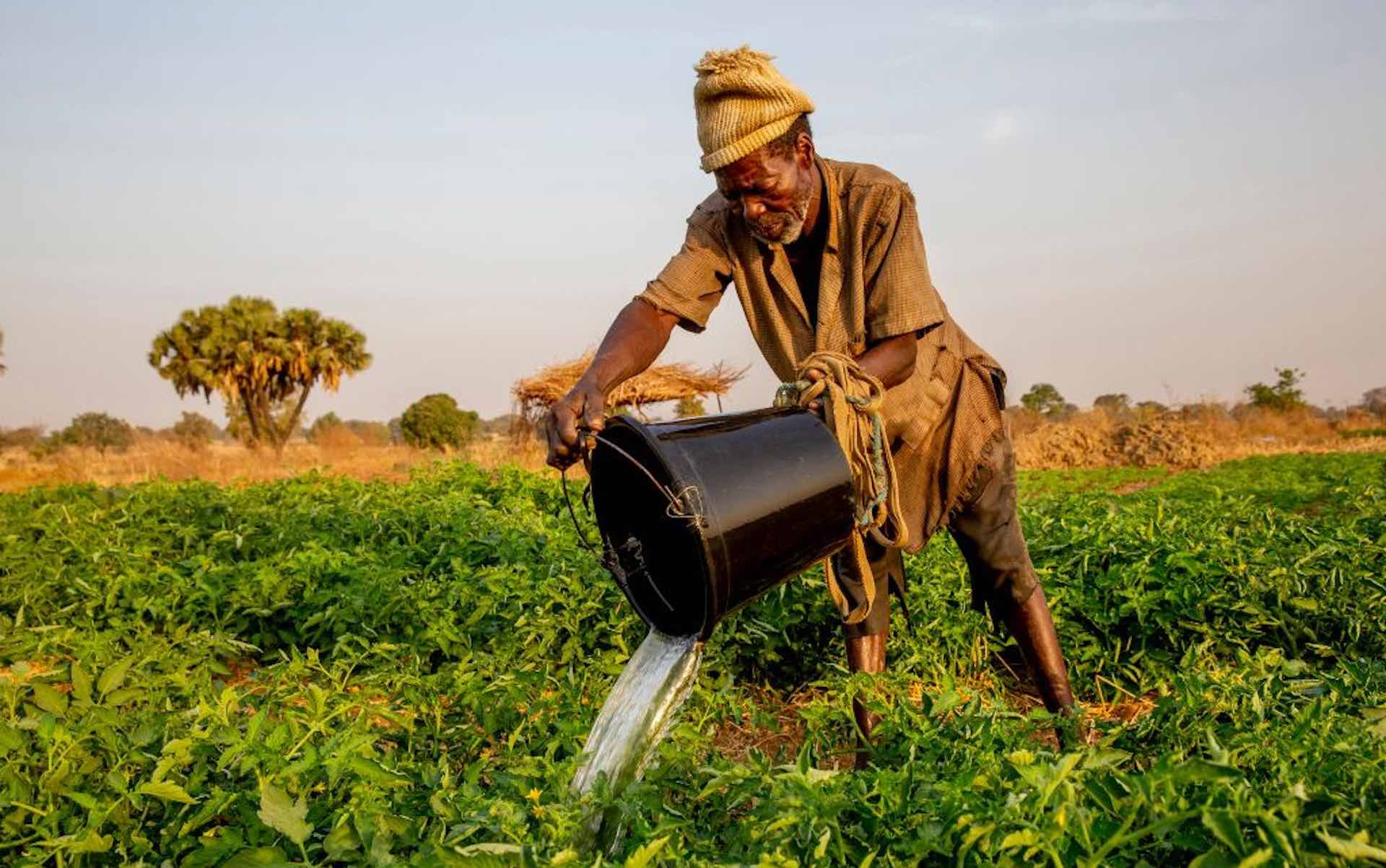
Feeding Africa: how small-scale irrigation can help farmers to change the game
Strong evidence of the relationship between small-scale irrigation, food security, diet quality, and nutrition.
-
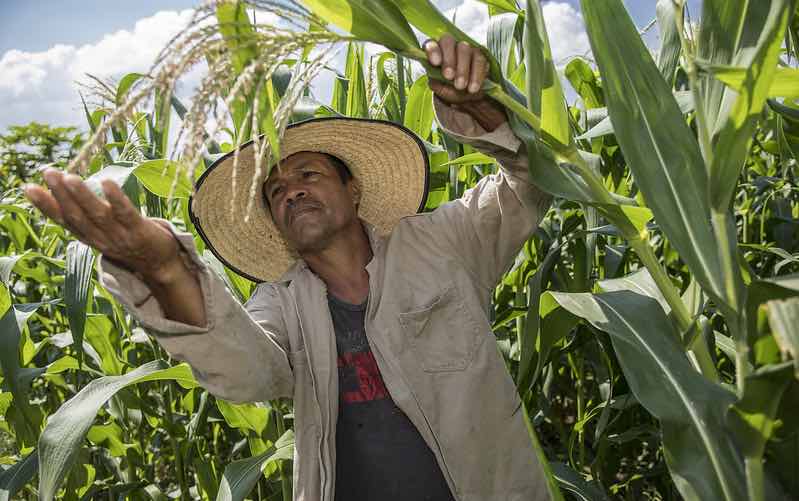
HarvestPlus: Twenty years of enriching diets with biofortification
A key tool in the battle for better nutrition and health.
-
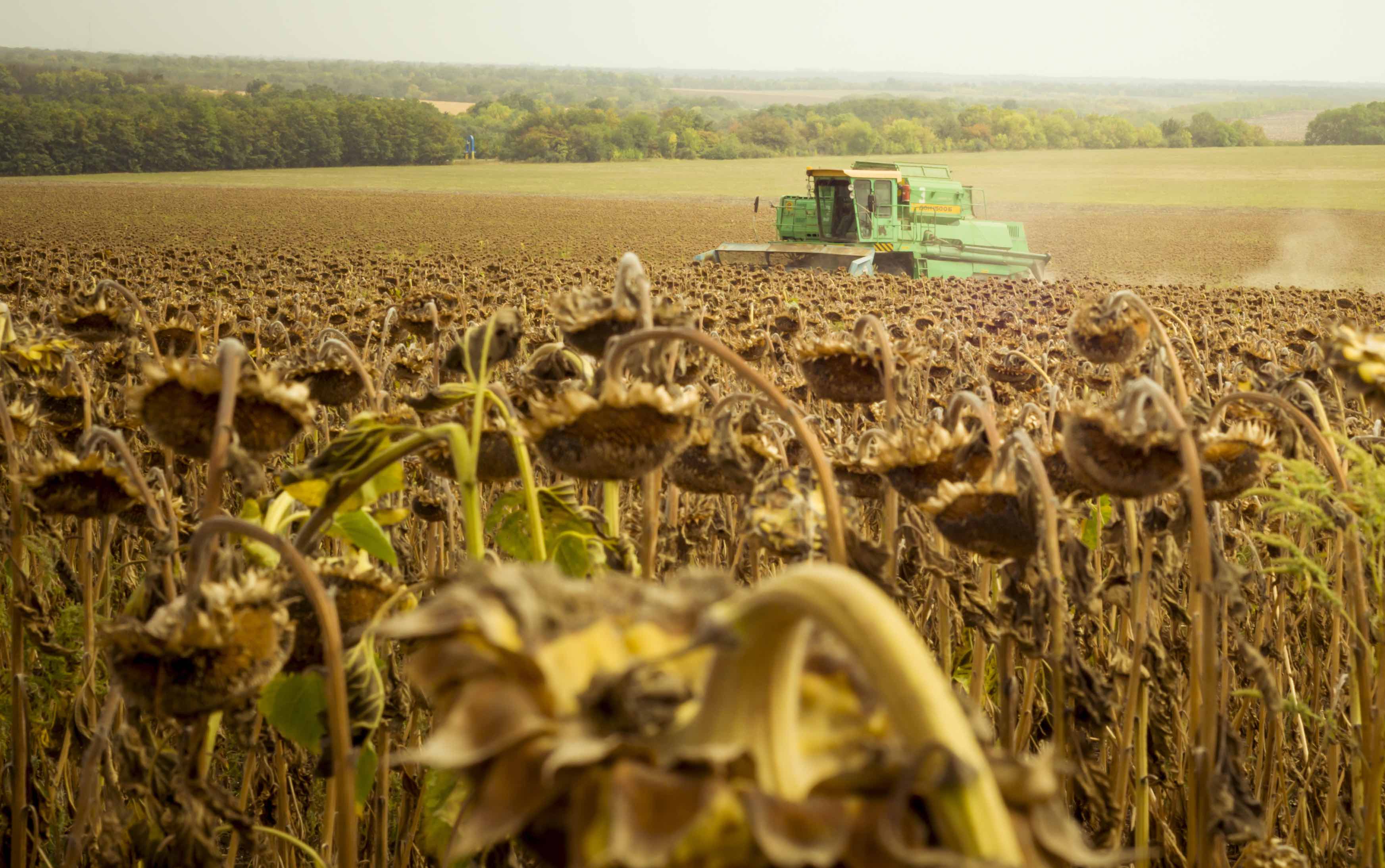
Eastern European farmers protest gluts of Ukraine food exports: The struggle to keep solidarity lanes open
More war-related agricultural market disruptions.
-

Earth Day 2023: Empowering local communities as stewards of Earth’s freshwater resources
Advantages of Community-Based Conservation.
-
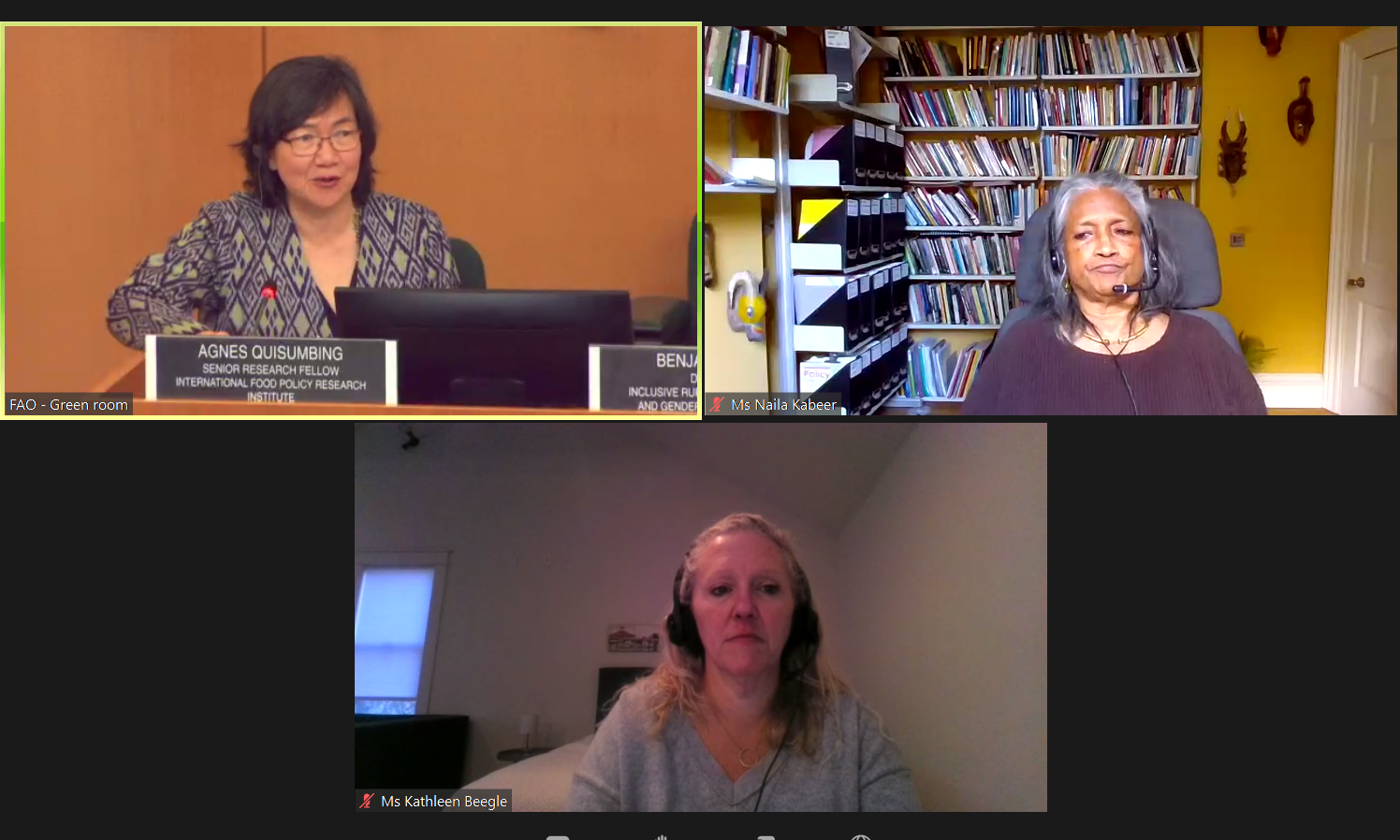
FAO Status of Women in Agrifood Systems report: Reflecting on a decade of measuring progress in women’s empowerment
A better understanding of changing gender dynamics in agriculture and beyond.
-
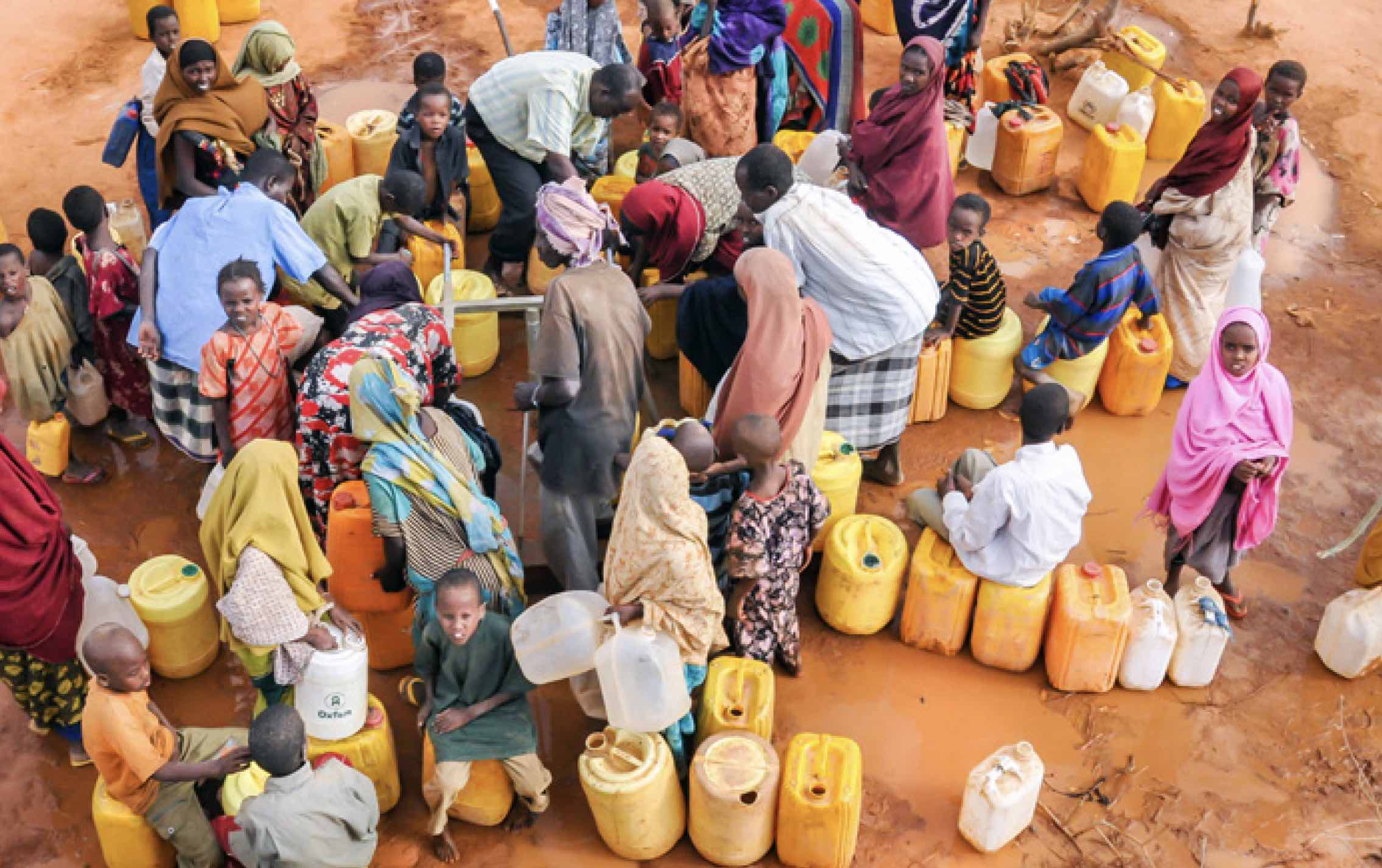
We must build food system resilience before the next crisis
Useful approaches to heading off shocks.
-
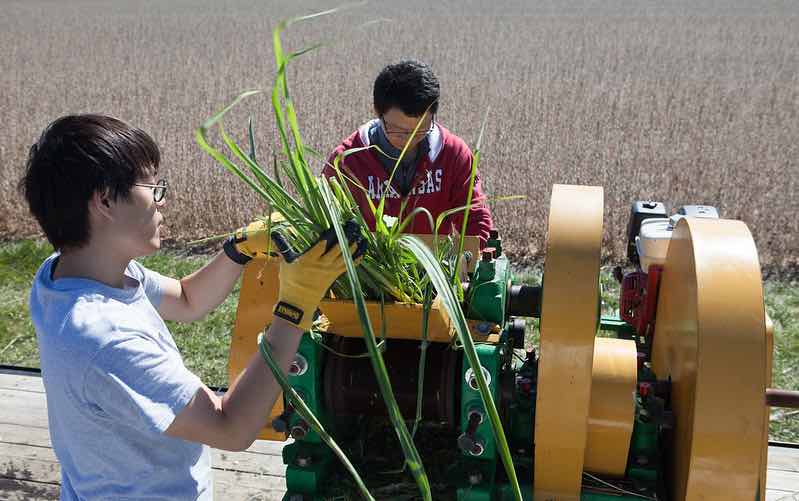
Food versus Fuel v2.0: Biofuel policies and the current food crisis
The Ukraine war resurrects an important policy debate.
-
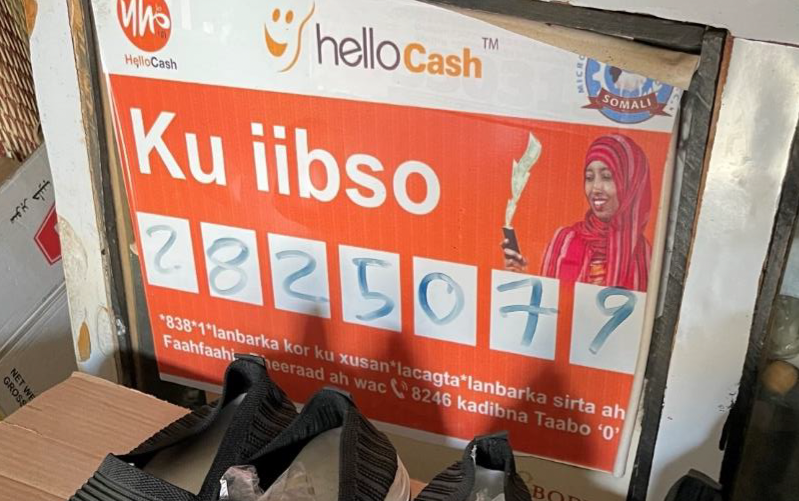
Increasing financial access in Ethiopia through mobile money: Results from experiments to catalyze enrollment and use among women and refugees
Testing ways to expand digital financial inclusion.
-
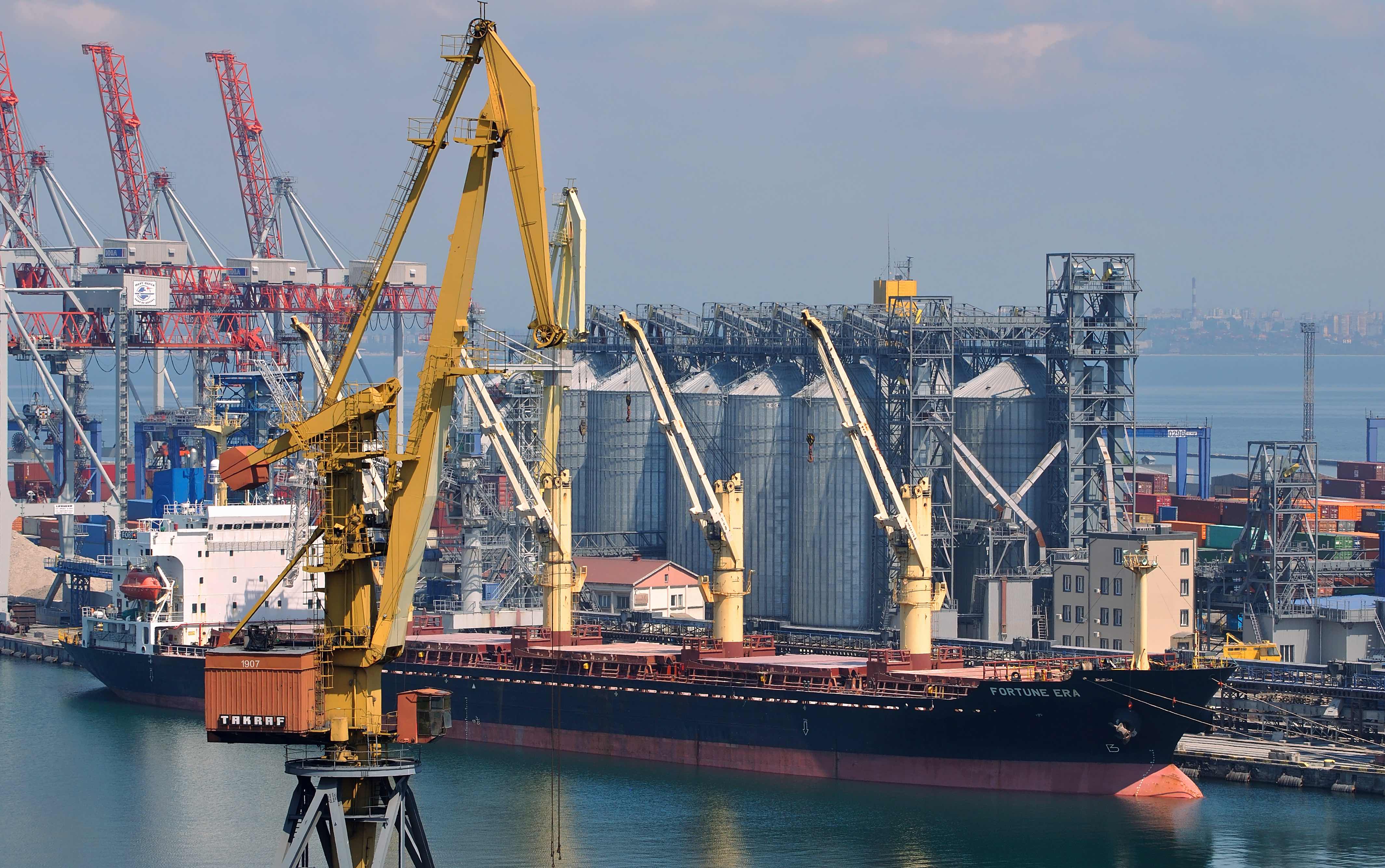
The Russia-Ukraine war’s impact on global food markets: A historical perspective
Charting the post-Soviet rise of two major exporters.
-
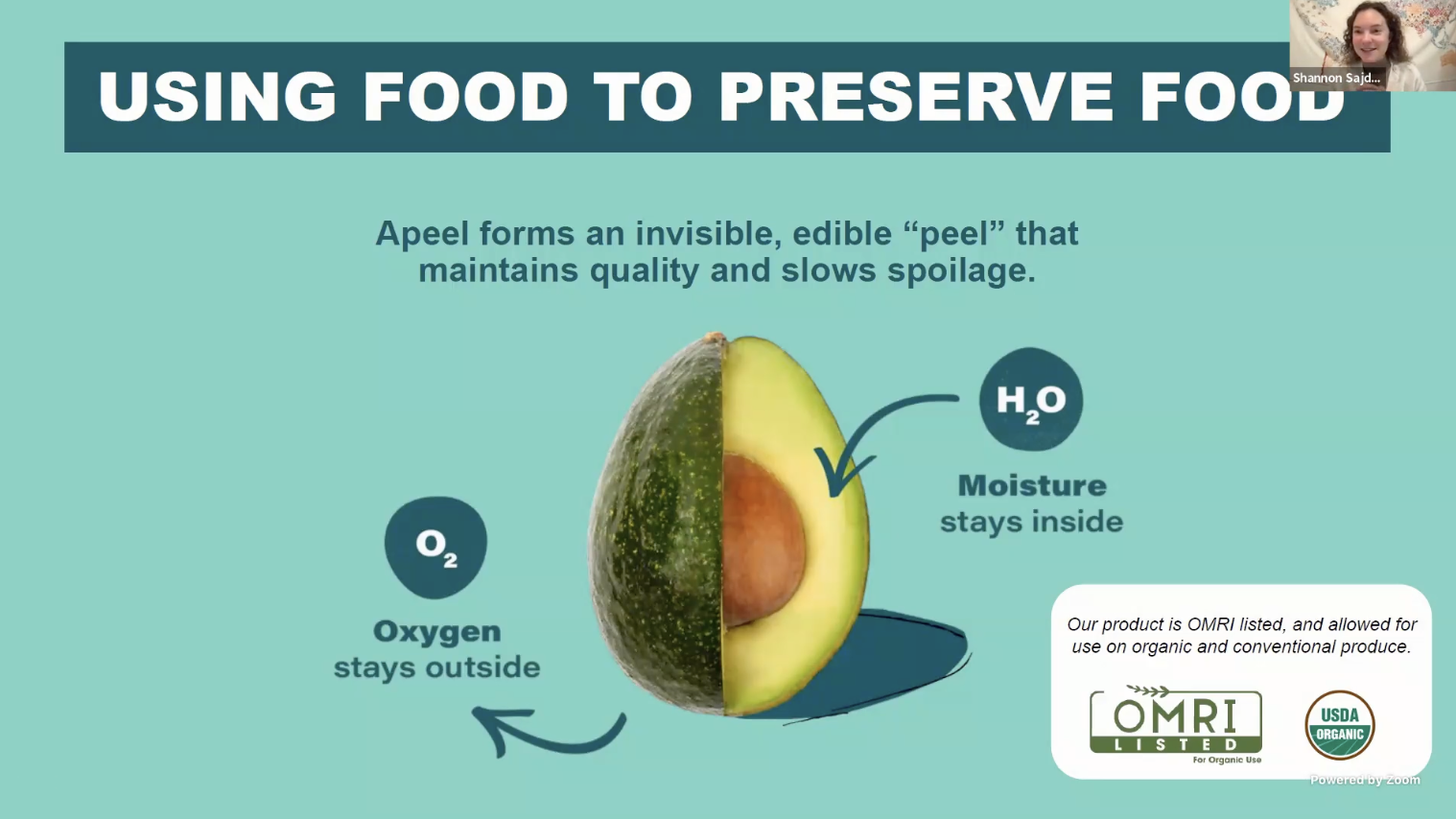
International Day of Zero Waste: Reducing loss and waste in fruit and vegetable supply chains
Innovations and other efforts to maximize food preservation from farm to fork.
-
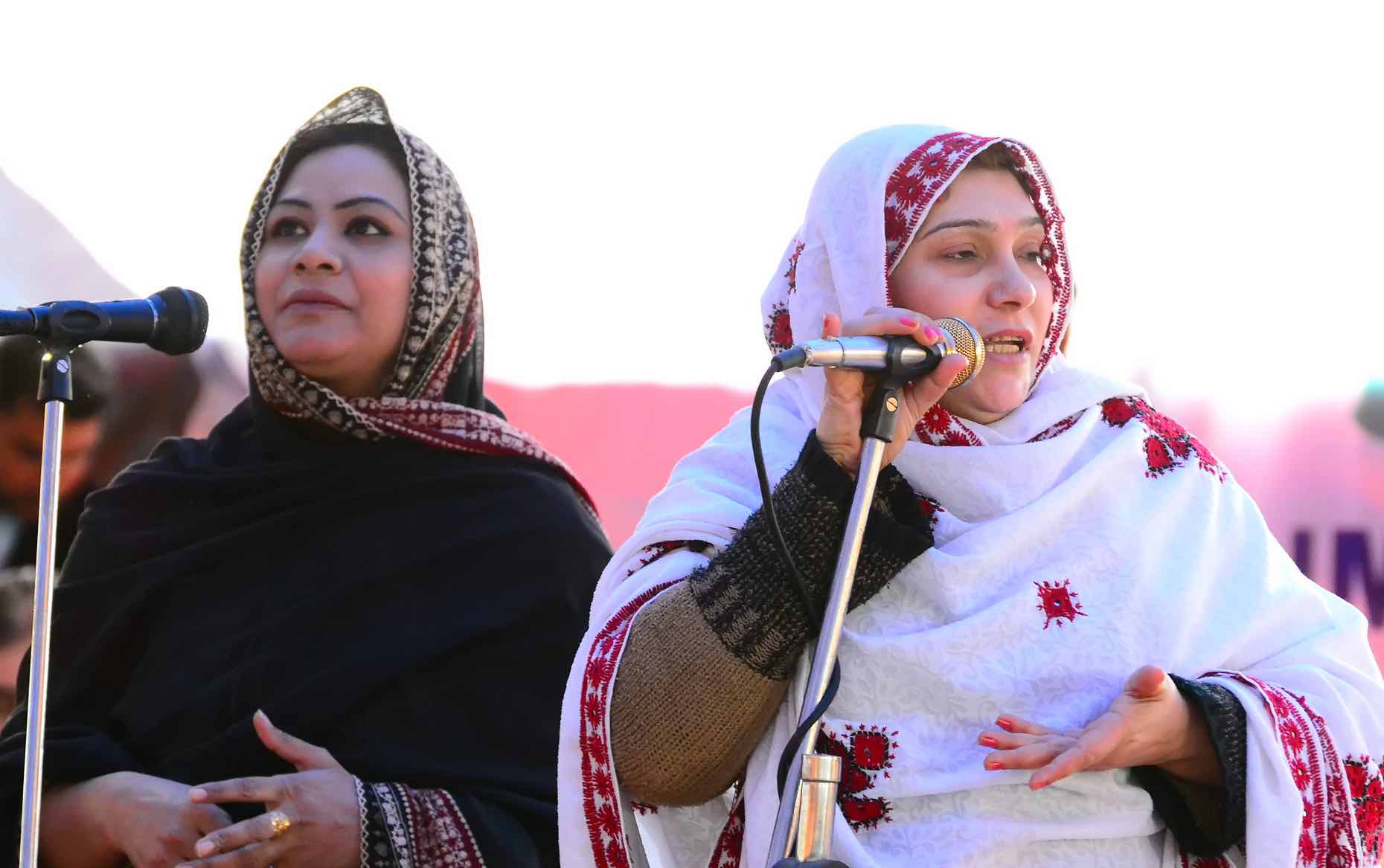
How relative poverty influences responses to social protection programs: Evidence from Pakistan
Analyzing effects on attitudes toward government assistance.
-
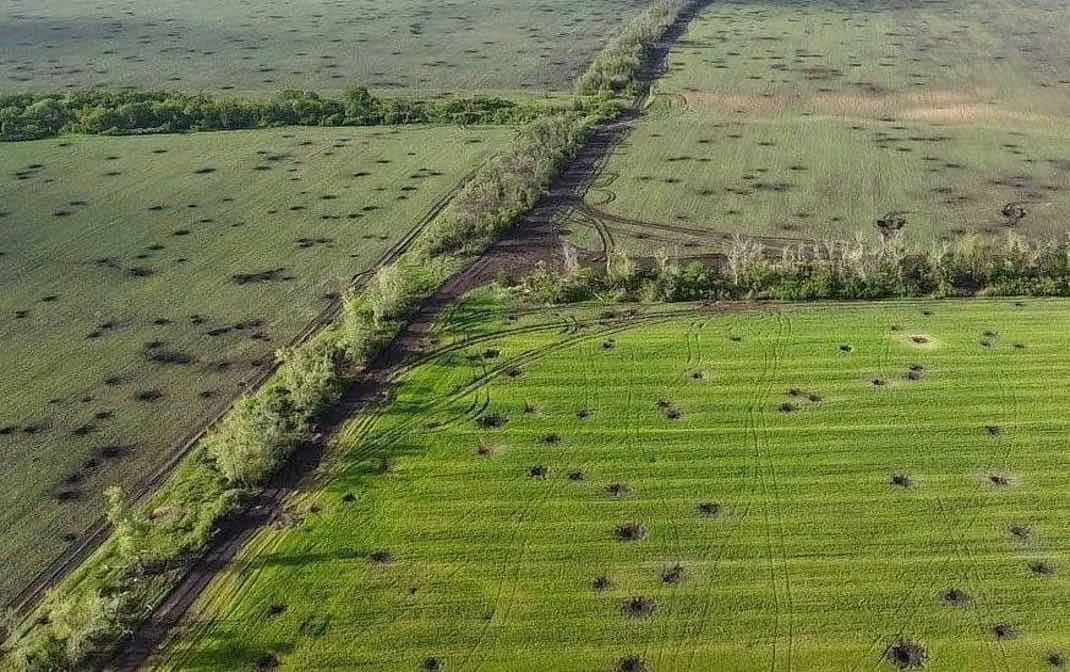
Regional war, global consequences: Mounting damages to Ukraine’s agriculture and growing challenges for global food security
As farmers struggle, production of key export crops remains low.
-
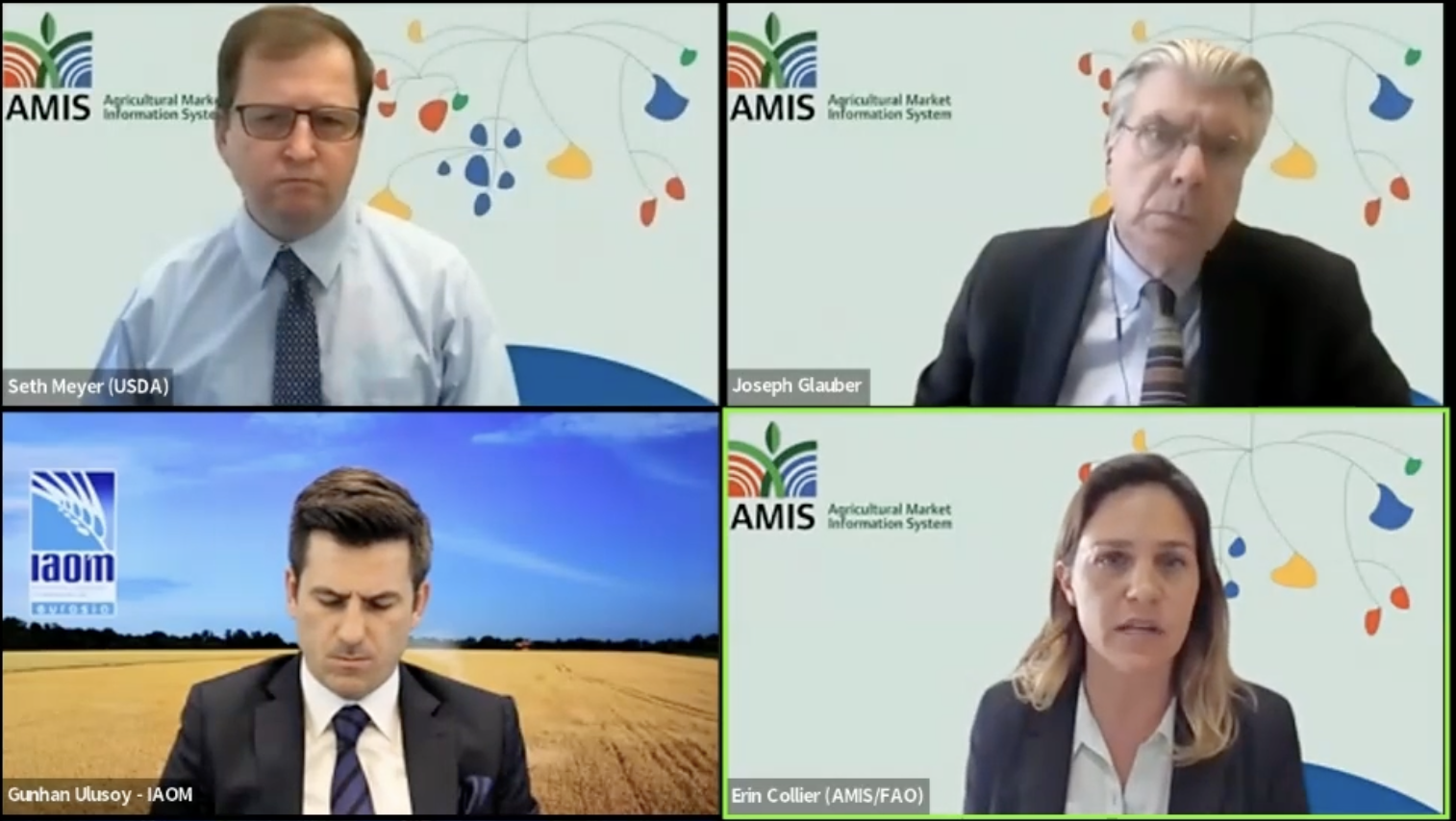
IFPRI-AMIS policy seminar – Ukraine One Year Later: The impact of the war on agricultural markets and food security
Effects continue to reverberate around the world and in individual countries.
-
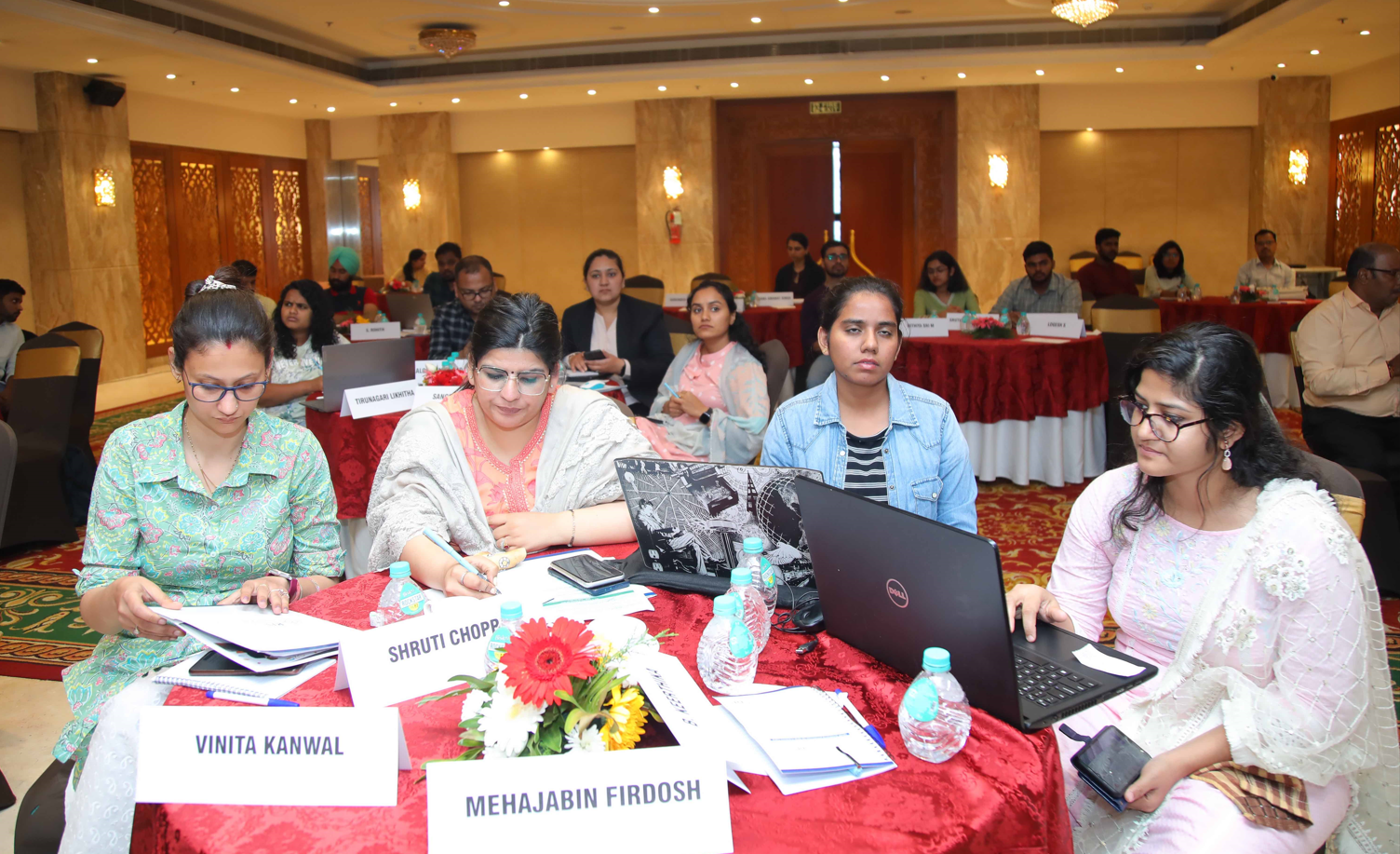
Capacity strengthening program: Building stronger agrifood trade links in the BIMSTEC region
Key takeaways from the recent event organized by IFPRI South Asia and Research and Information System for Developing Countries.
-
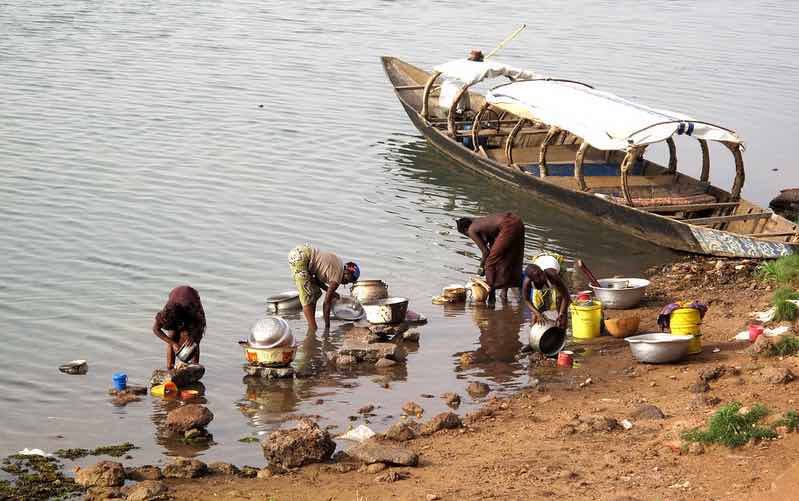
Journée mondiale de l’eau: Coopération pour accélérer le changement
A nine-country effort to manage a delicate resource.
-

World Water Day 2023: Cooperation for accelerating change in the Niger River Basin
A nine-country effort to manage a delicate resource.
-
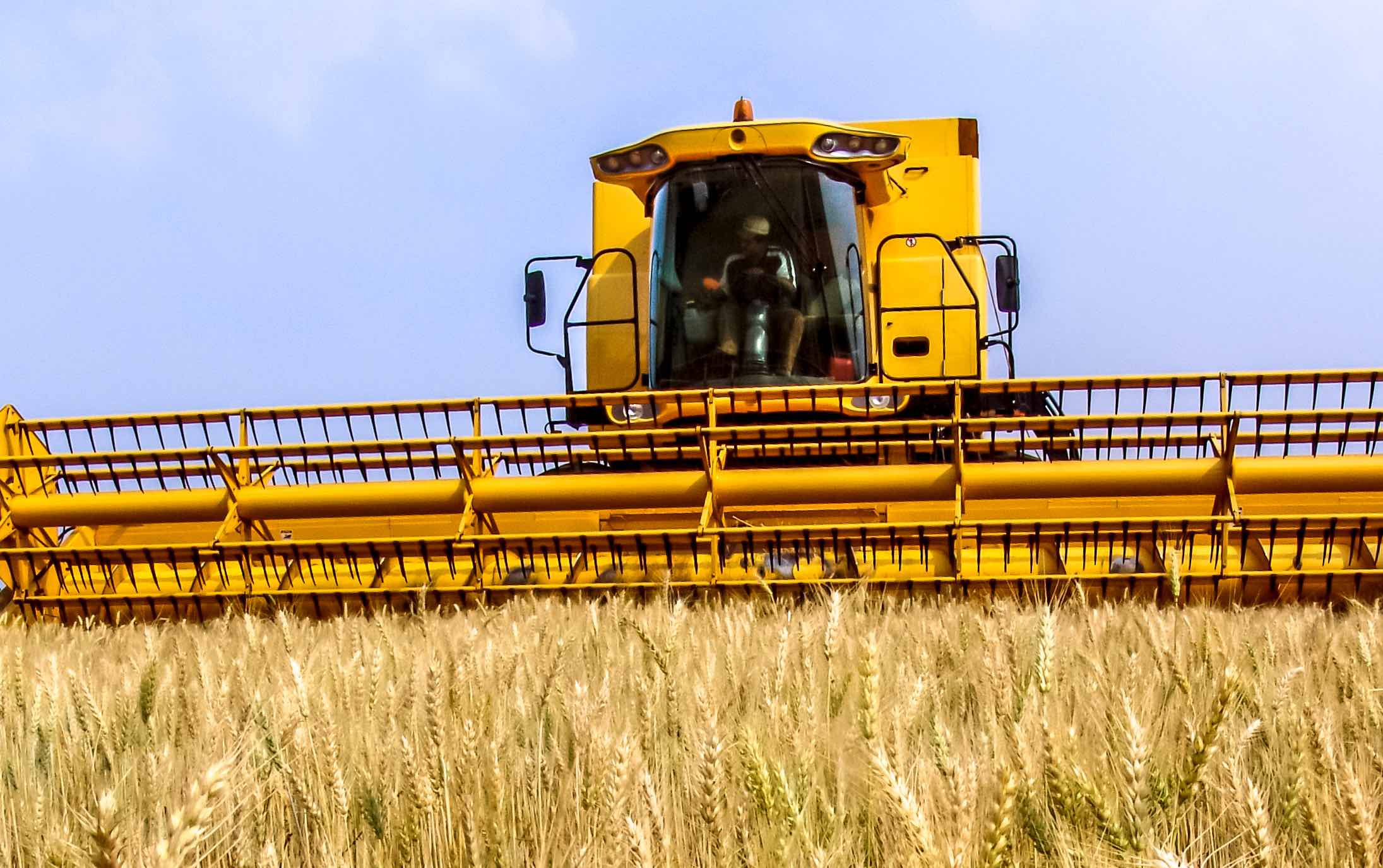
The political economy of reforming costly agricultural policies
The diverse benefits of repurposing support programs.
-
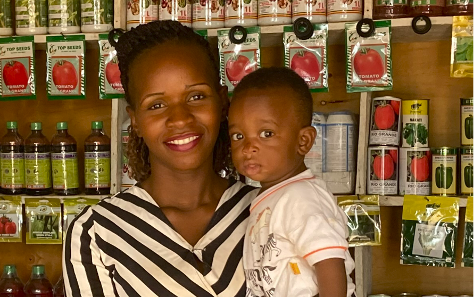
This is a man’s world: Gendered perceptions of Ugandan agro-input dealers
Persistent biases hold back women shop owners.
-
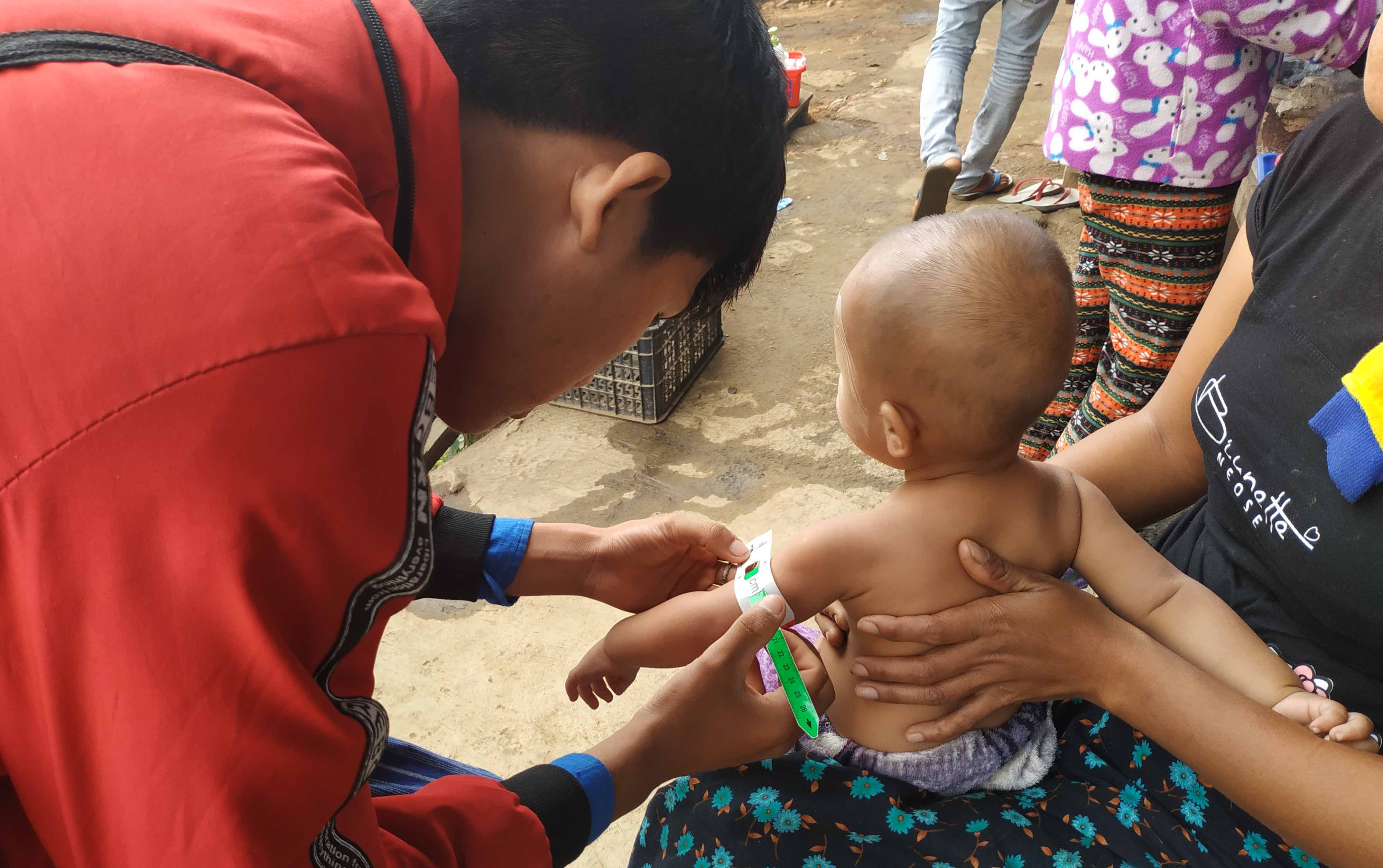
Cash, COVID, coup, crisis: A pre-pandemic maternal and child cash transfer program had sustained dietary benefits during Myanmar’s ongoing emergency
Positive health and nutrition results persist even in adverse circumstances.
-
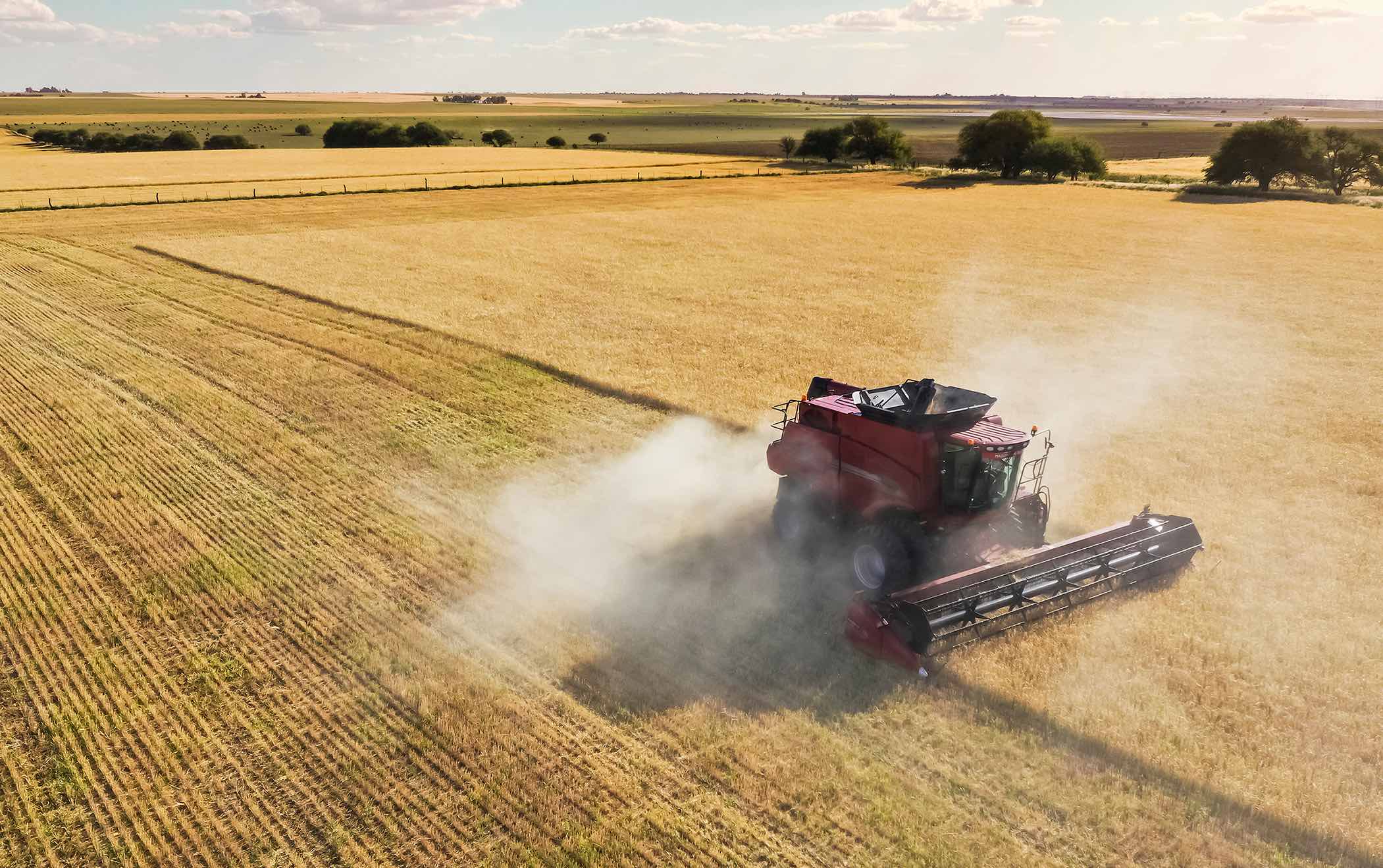
Assessing tight global wheat stocks and their role in price volatility
Continuing market stresses from the Russia-Ukraine war.
-
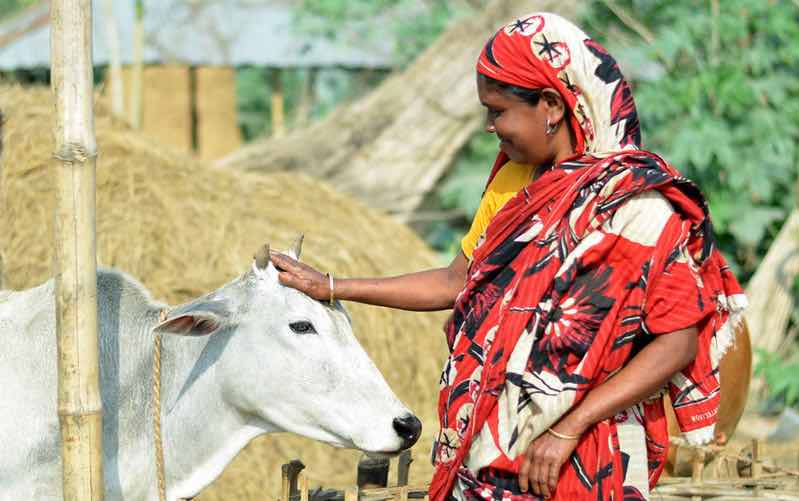
Picking the best tools for making value chain development interventions inclusive and gender equitable
Practical ways to evaluate and advance women’s empowerment.
-
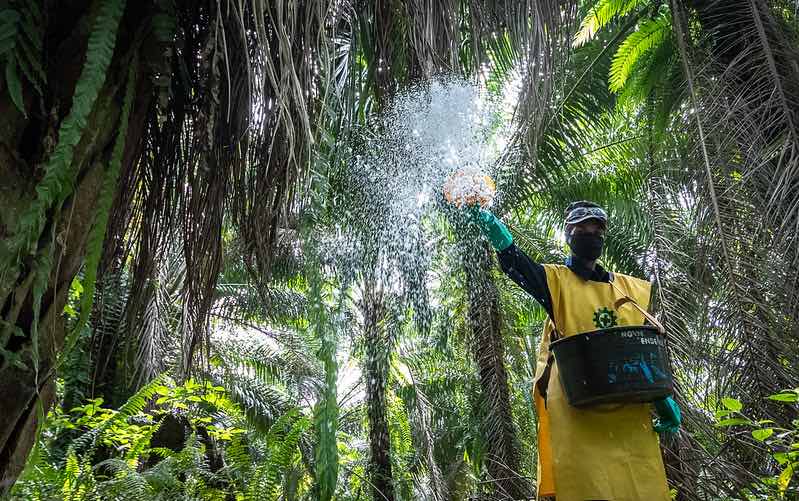
The Russia-Ukraine war after a year: Impacts on fertilizer production, prices, and trade flows
Global agriculture contends with major disruptions.
-
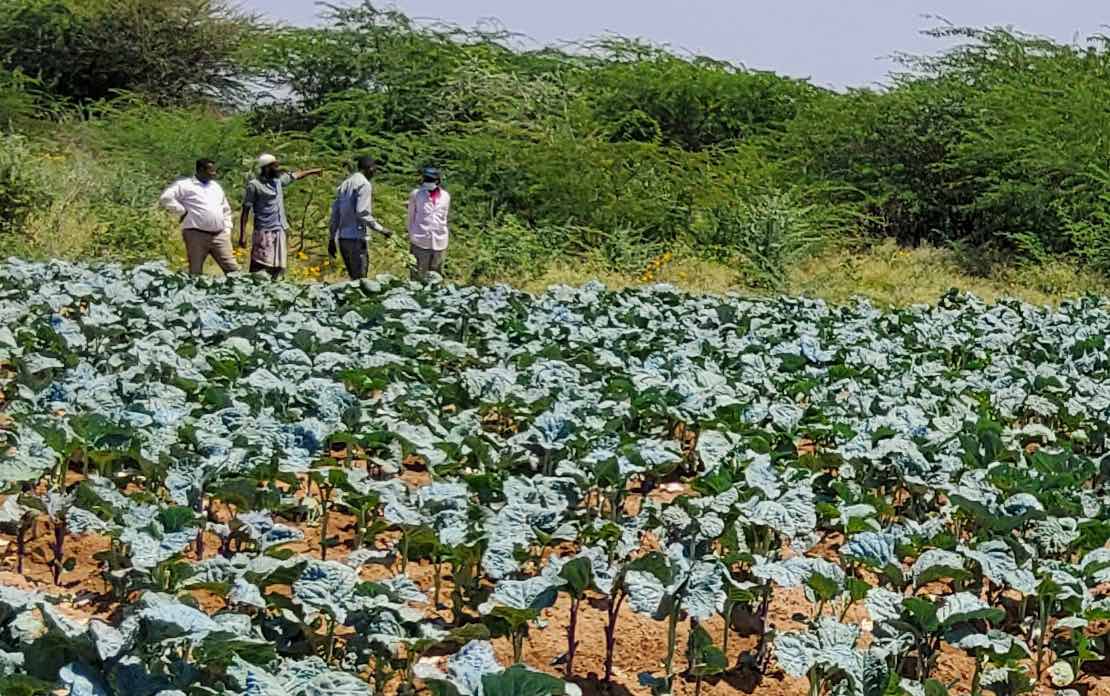
Addressing water governance challenges around Lake Beseka, Ethiopia: A social network approach
Examining complex relationships around a key resource.
-
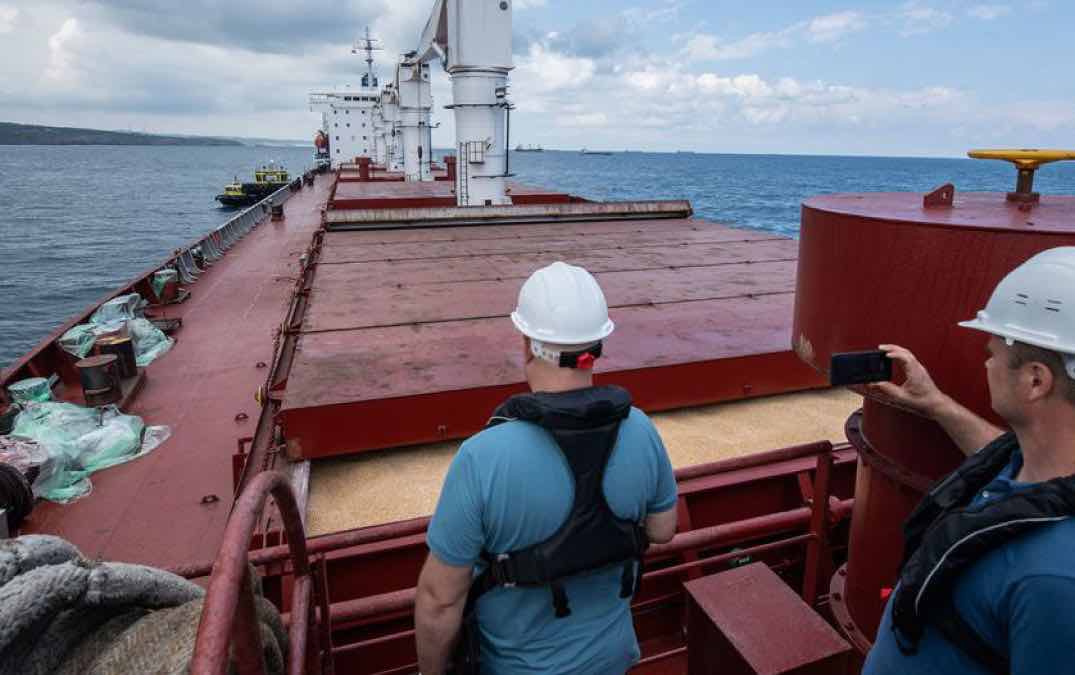
Ukraine one year later: Impacts on global food security
How markets and food systems have fared in a dangerous crisis.
-
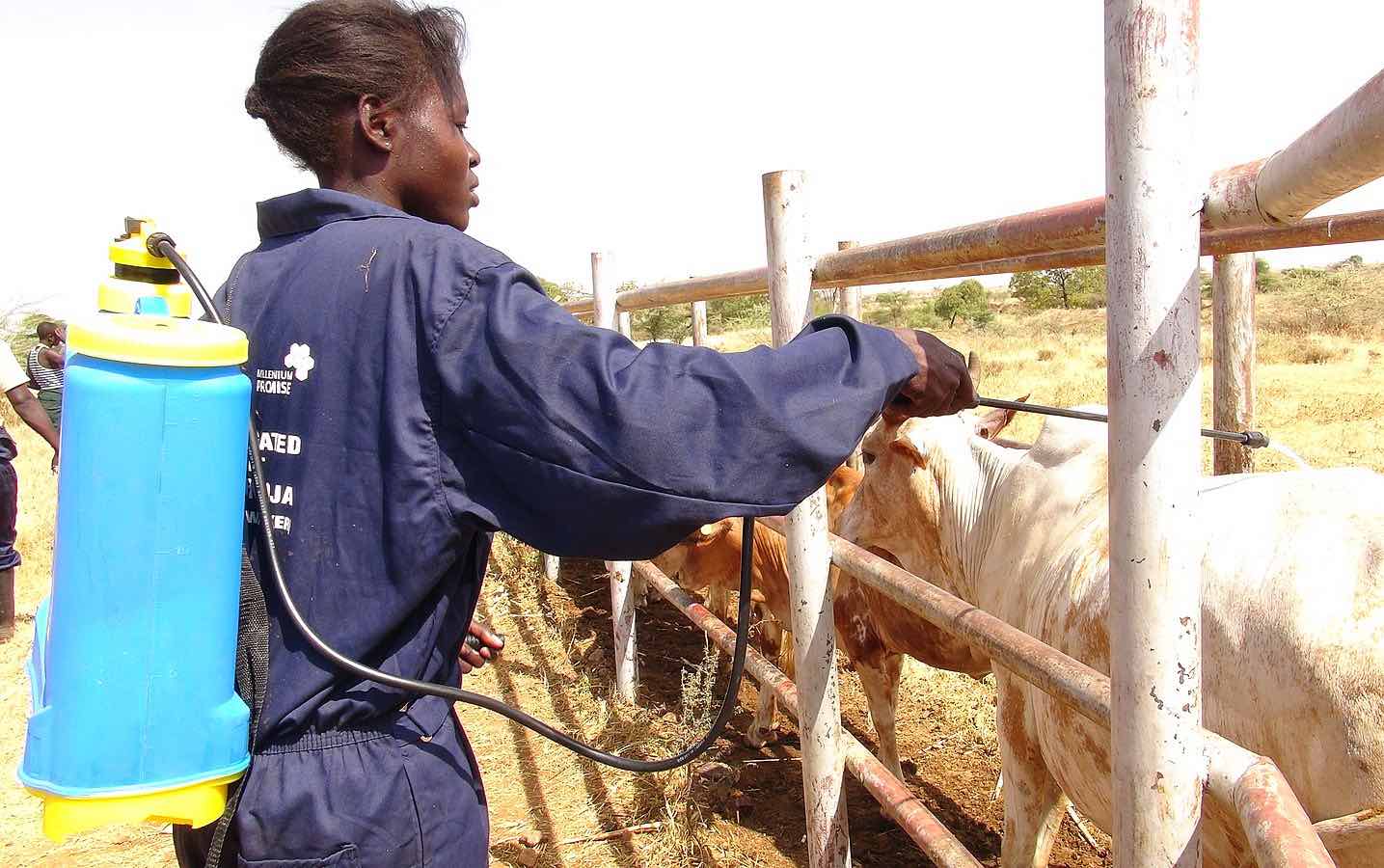
Measuring the extent of a risky practice: Using toxic chemicals on cattle for tick control in Uganda
A problem for the growing dairy industry.
-
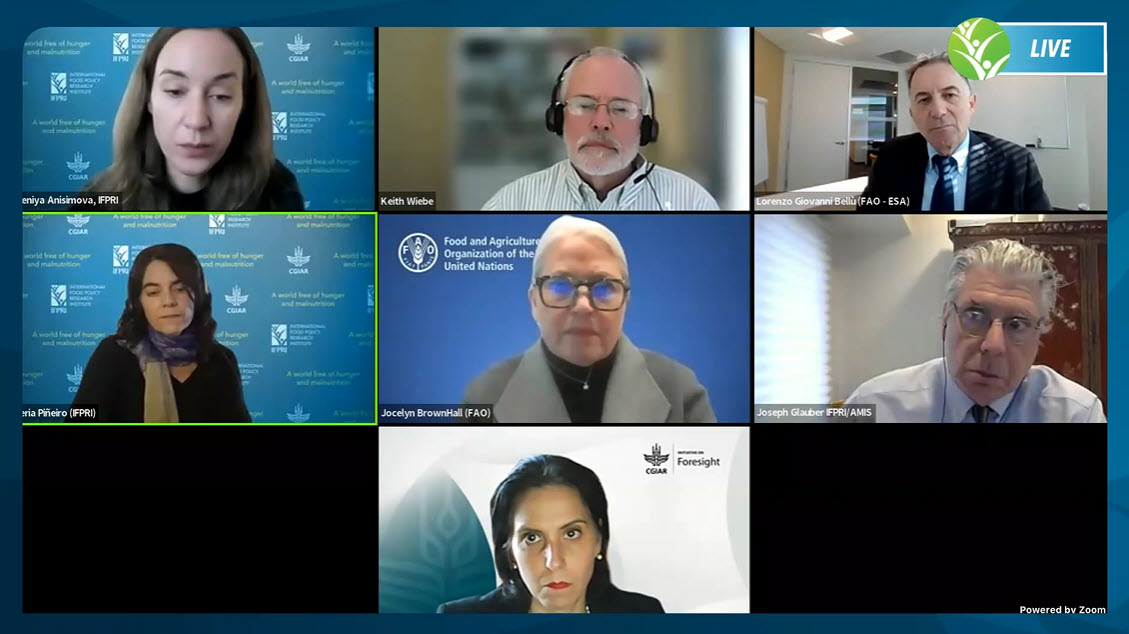
Policy seminar: The future of food and agriculture – drivers and triggers for transformation
How can we transform agrifood systems to be sustainable, inclusive, and resilient for a more food-secure future?
-
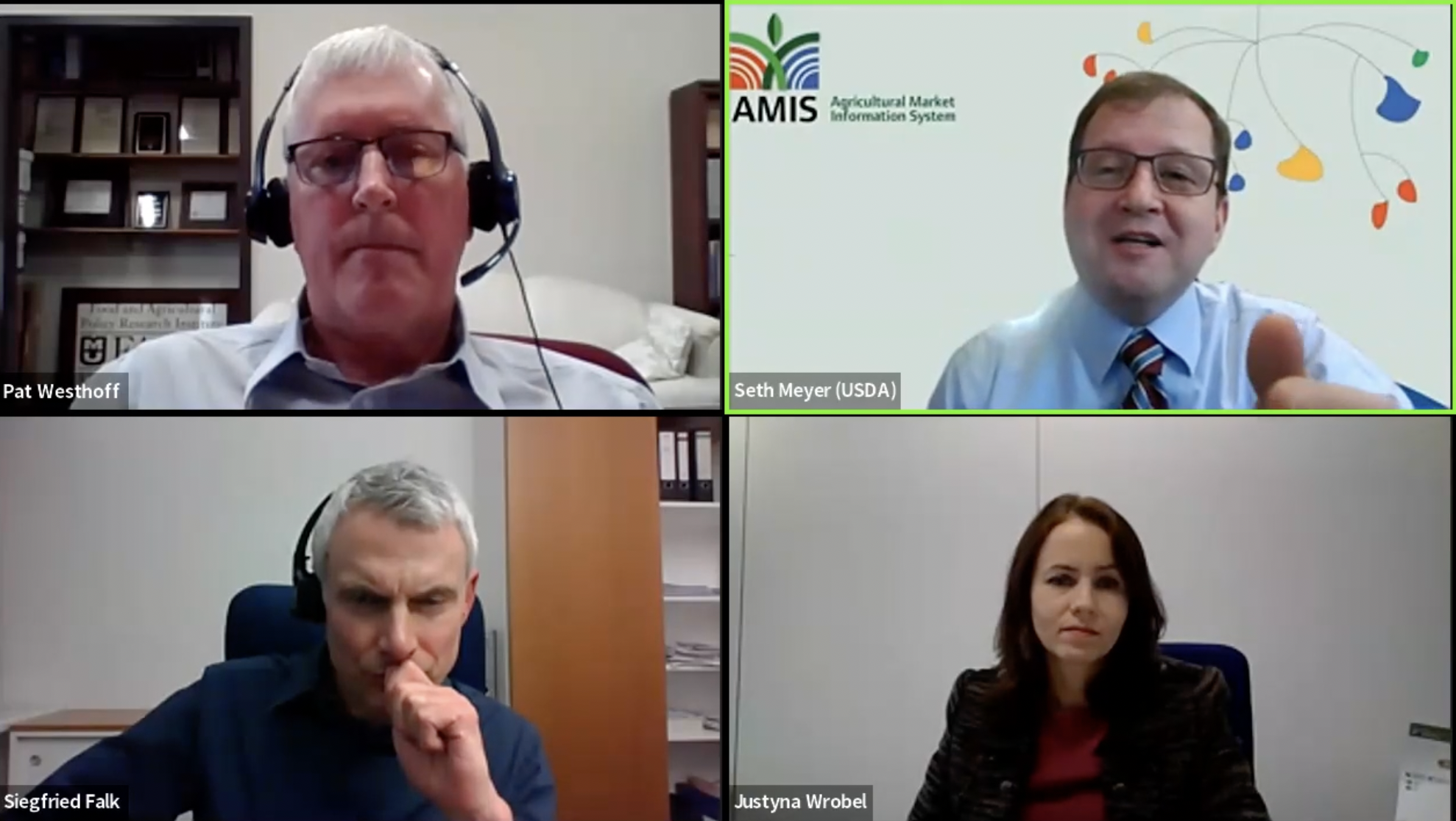
Policy seminar: Food vs. Fuel 2.0 – impacts of biofuel production on agricultural markets and food security
Revisiting a key policy debate in light of high food prices.
-
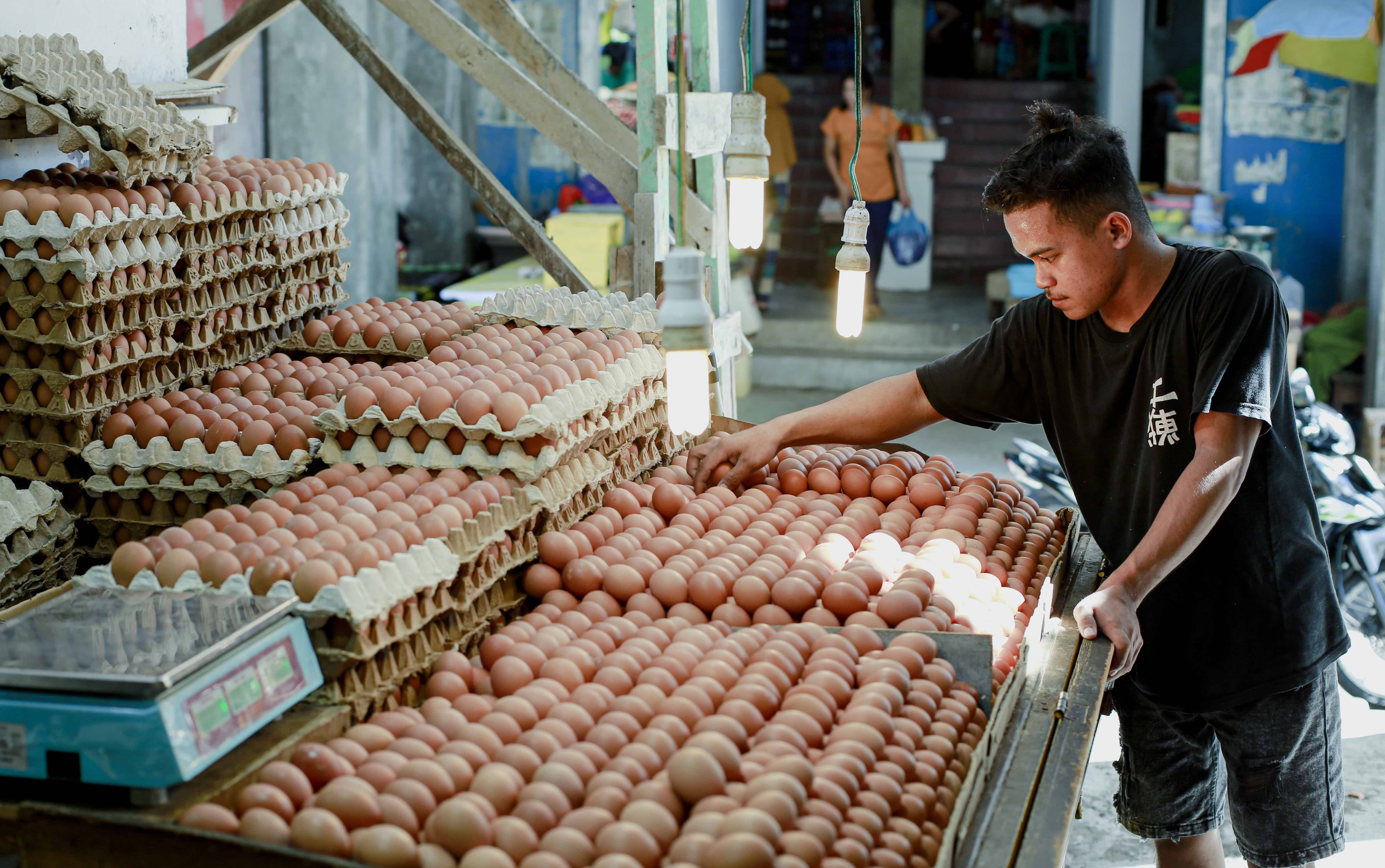
Is food price inflation really subsiding?
Continuing uncertainties for 2023.
-
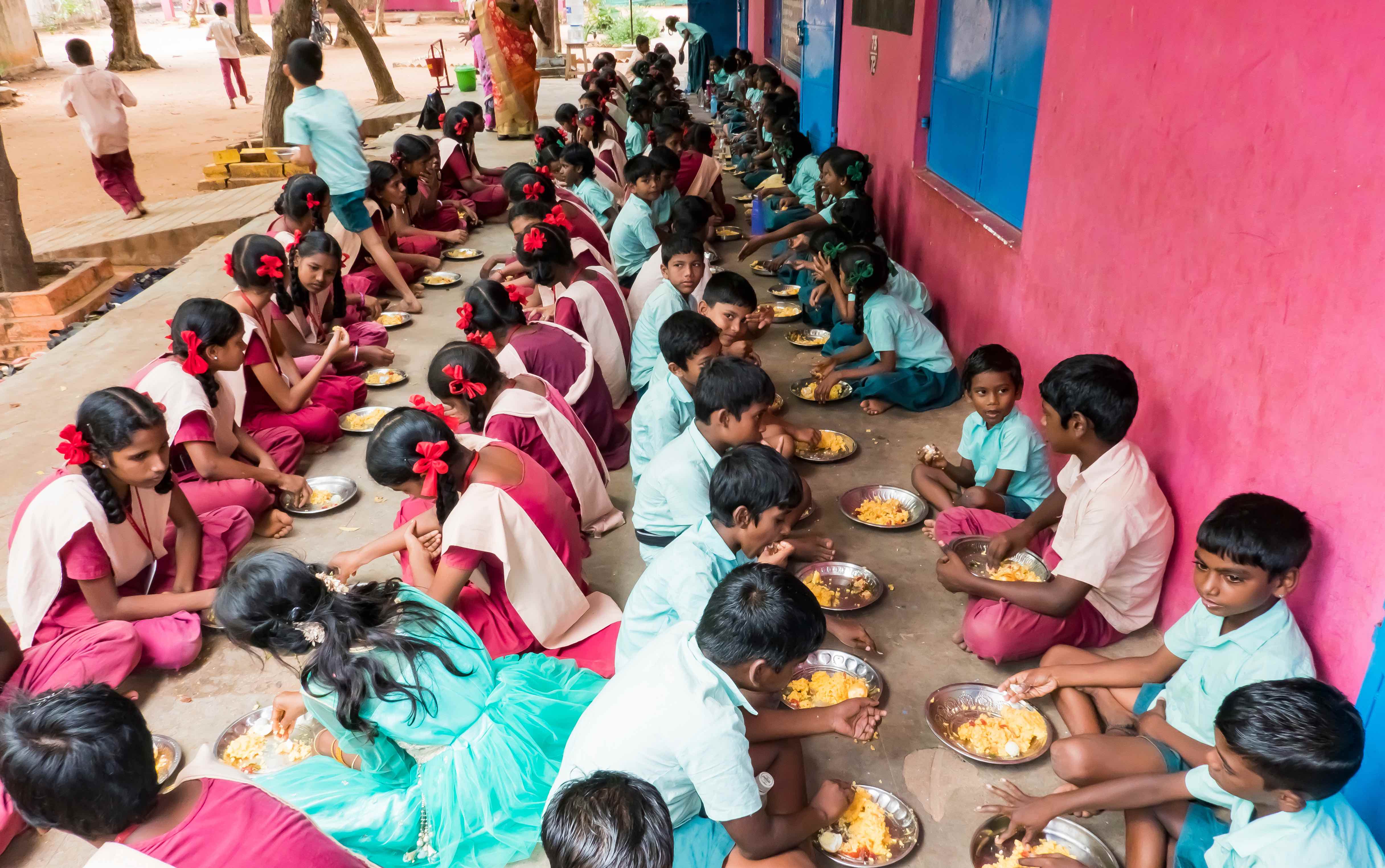
Get ready to be schooled! (…about IFPRI’s research on education)
Building incentives to foster more effective teaching and learning.
-
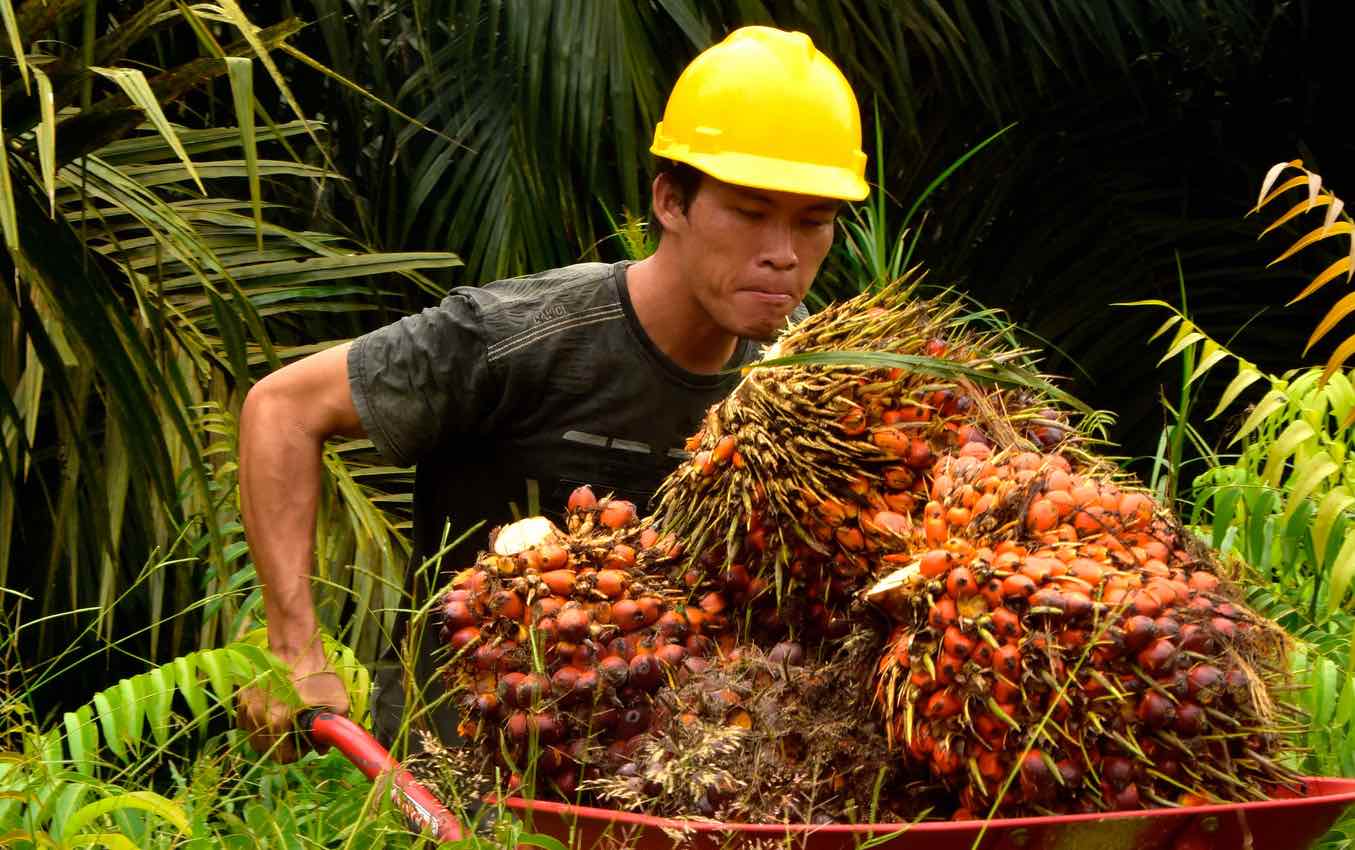
Food export restrictions have eased as the Russia-Ukraine war continues, but concerns remain for key commodities
Uncertainties include lingering high domestic food prices in many countries.
-
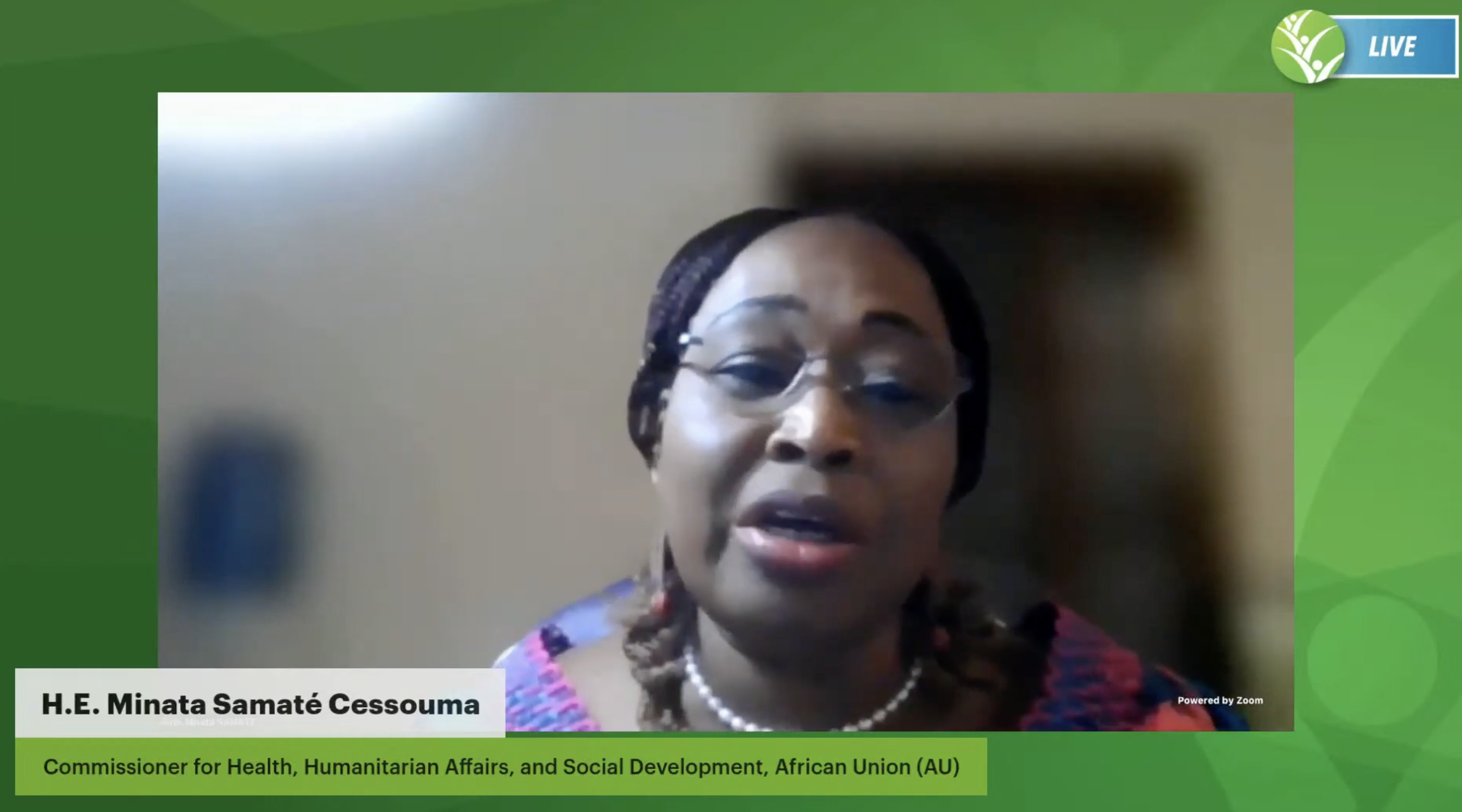
2022 Forman Lecture: The AU’s Minata Samaté Cessouma on Africa’s current and future nutrition challenges
Prospects for addressing climate change, food system transformation, and other issues.
-
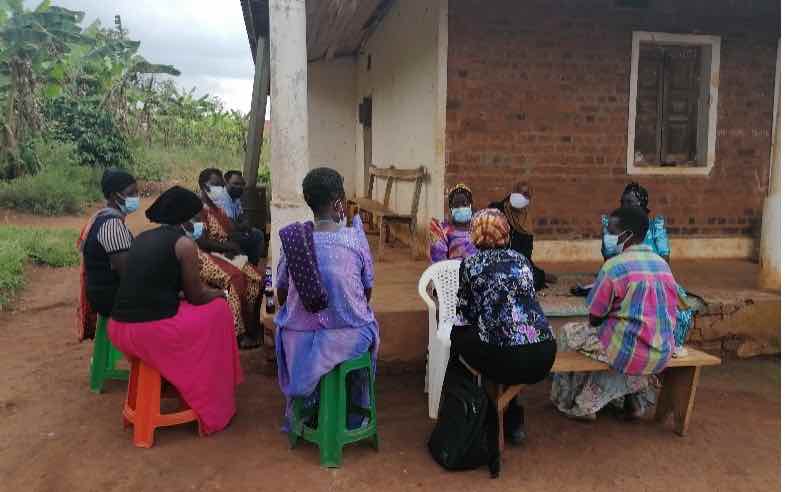
Can videos overcome smallholder women’s barriers to accessing climate resilience strategies? Insights from Uganda
Closing gender gaps in agricultural knowledge.
-
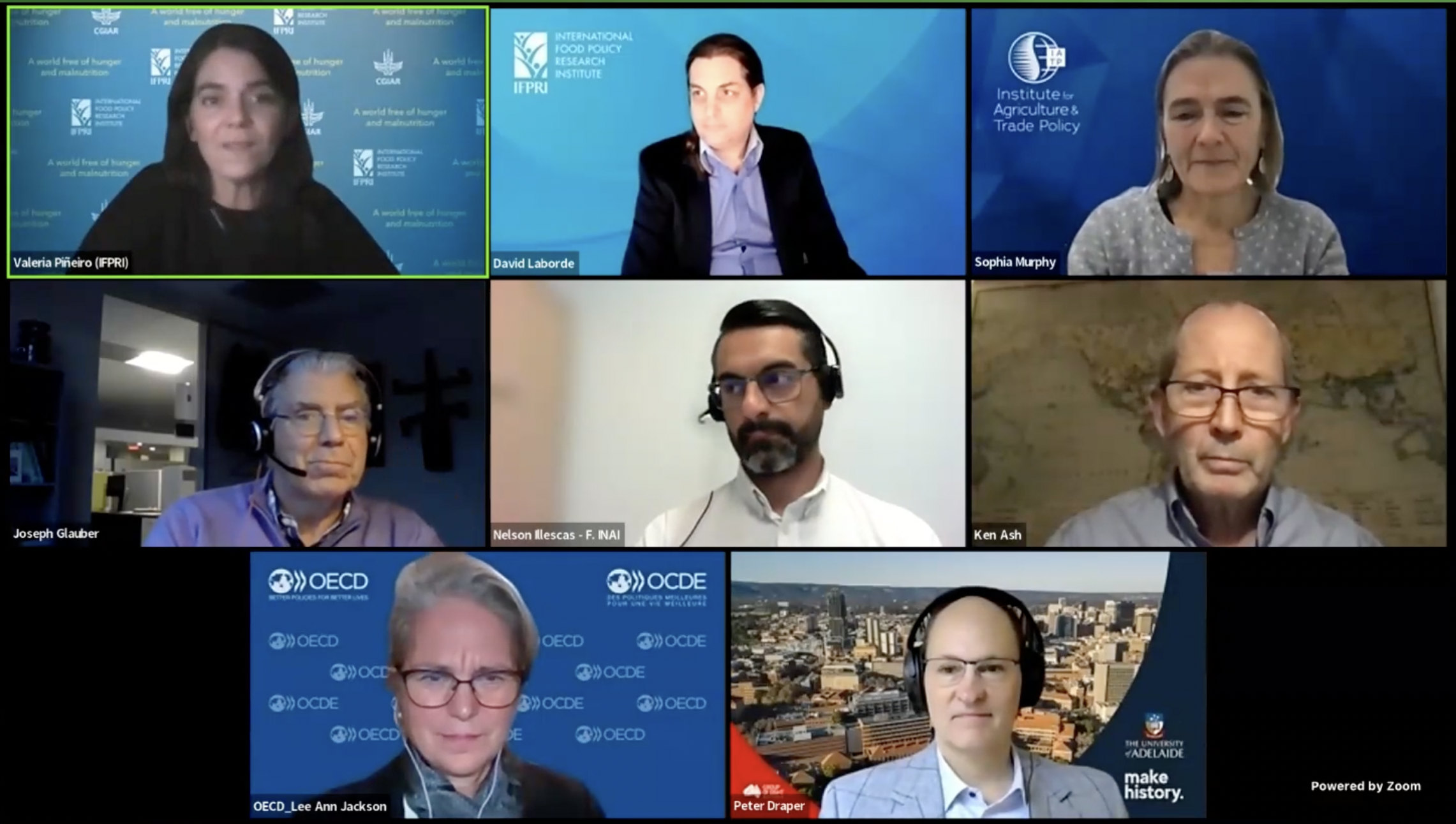
Policy seminar: The harmful environment impacts of agricultural subsidies and prospects for reform
Approaches to reducing greenhouse gas emissions and other problems.
-
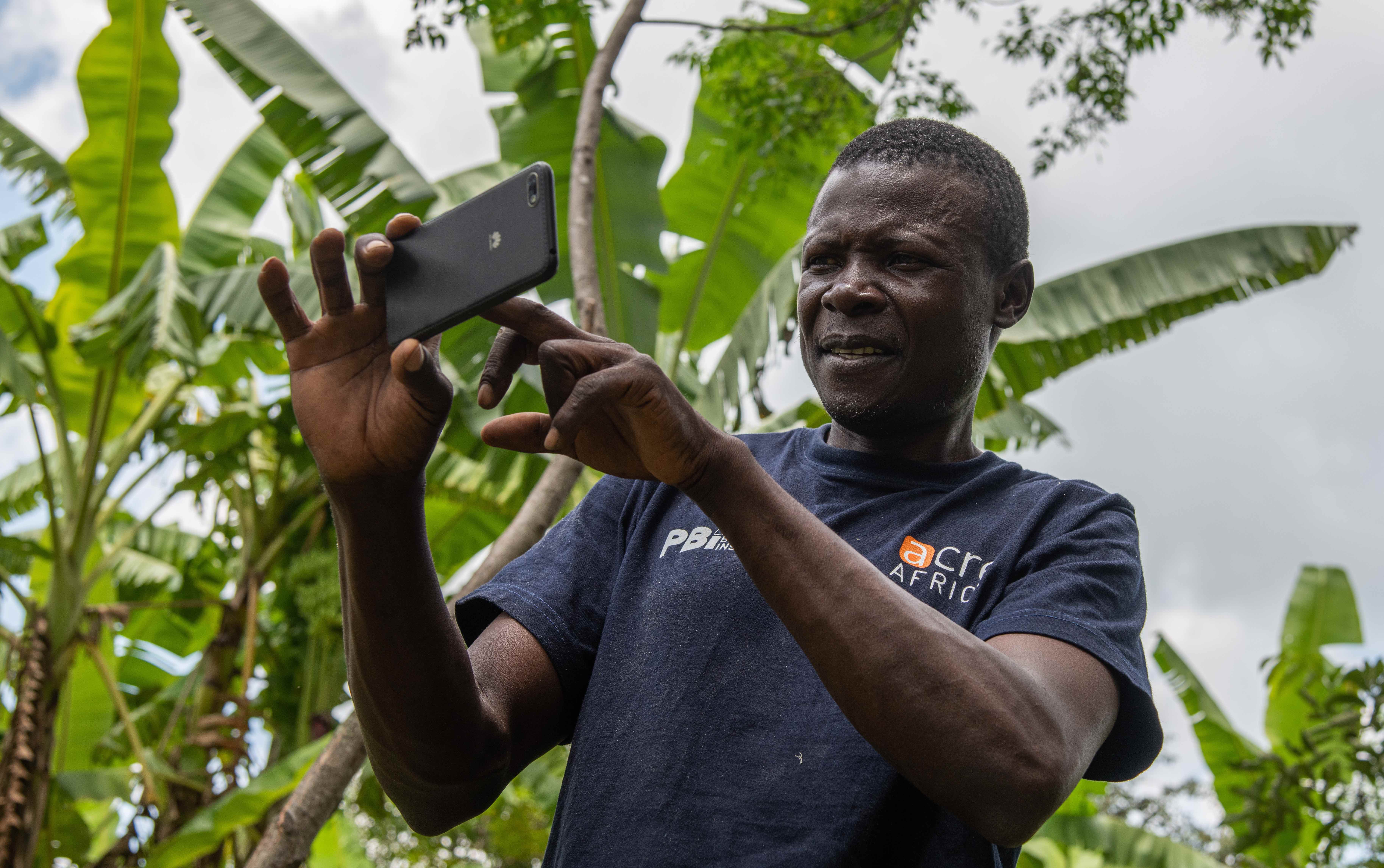
Developing and implementing Picture-Based Advisories (PBA) for farmers in Kenya
A new way to offer targeted extension information.
-
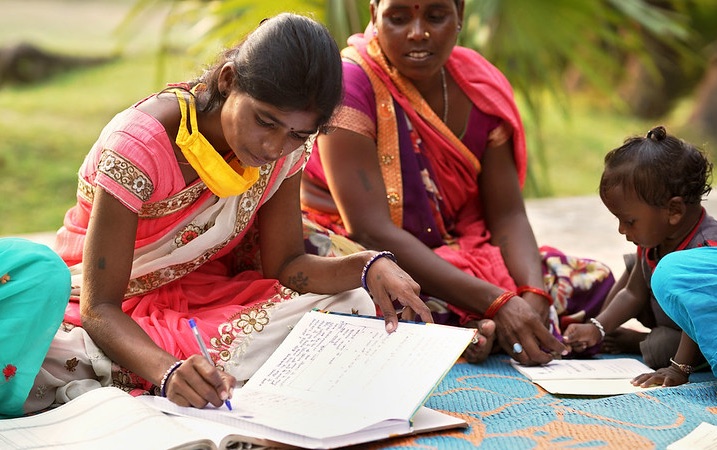
WEAGov: A new conceptual framework to assess women’s empowerment in agricultural governance
Developing a tool to assess gender and policymaking.
-
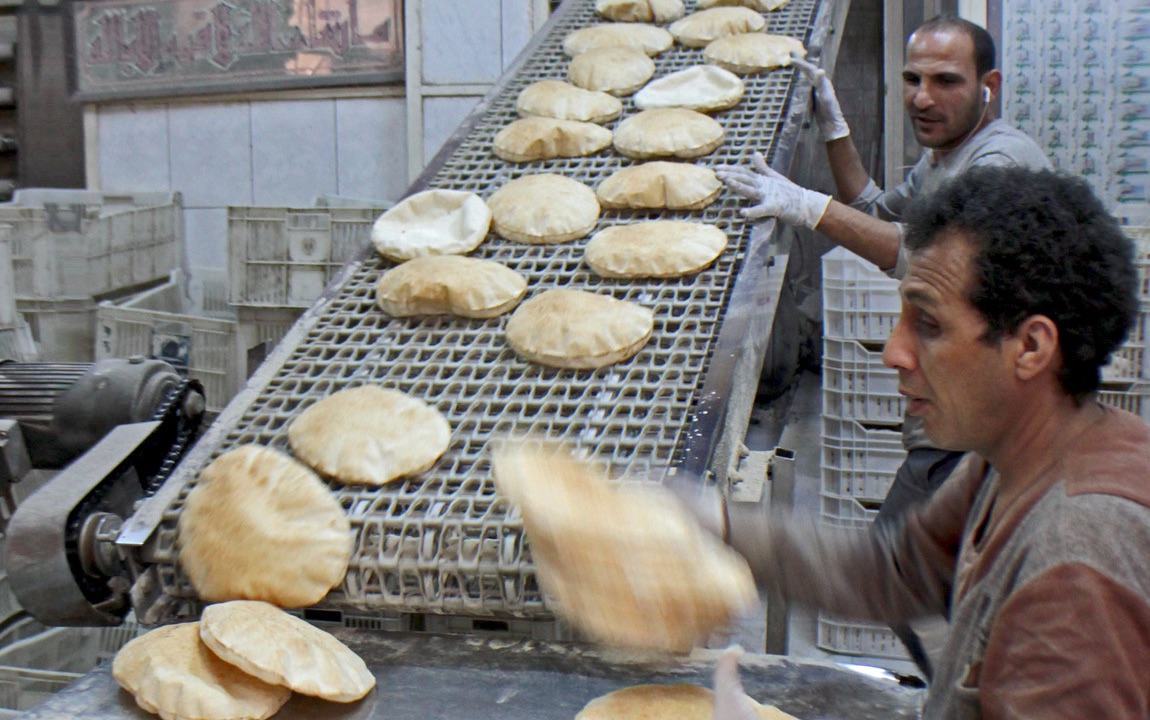
Food price shocks and diets among poor households in Egypt
High inflation threatens nutrition and livelihoods.
-
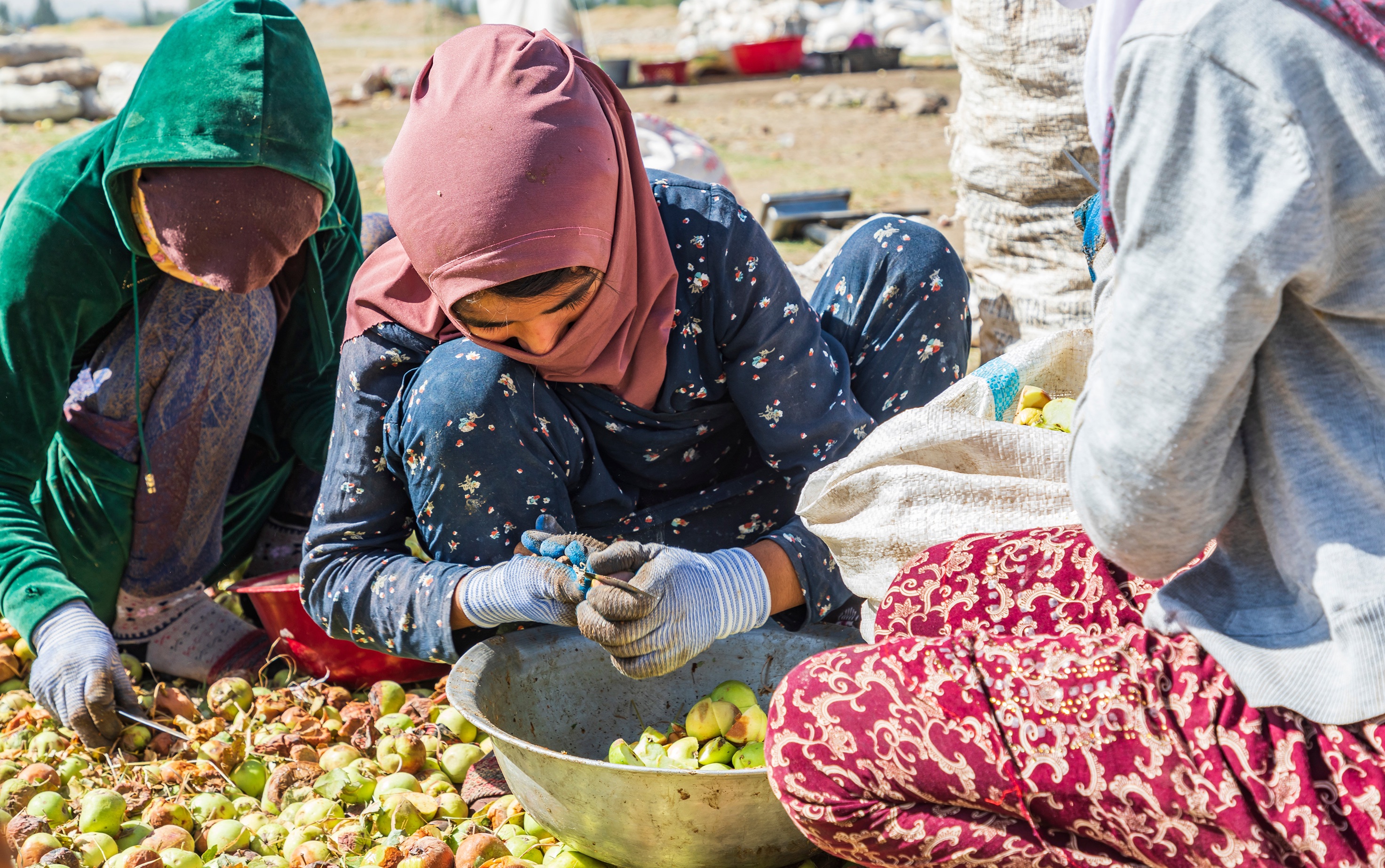
In Tajikistan, women contribute significantly to agriculture, but does agricultural work contribute significantly to women’s agency?
Gender roles shift slowly in the post-Soviet era.
-

Policy seminar: Leveraging Kenya’s new Bottom-Up Economic Plan for food system transformation
Making markets work for the poor.
-
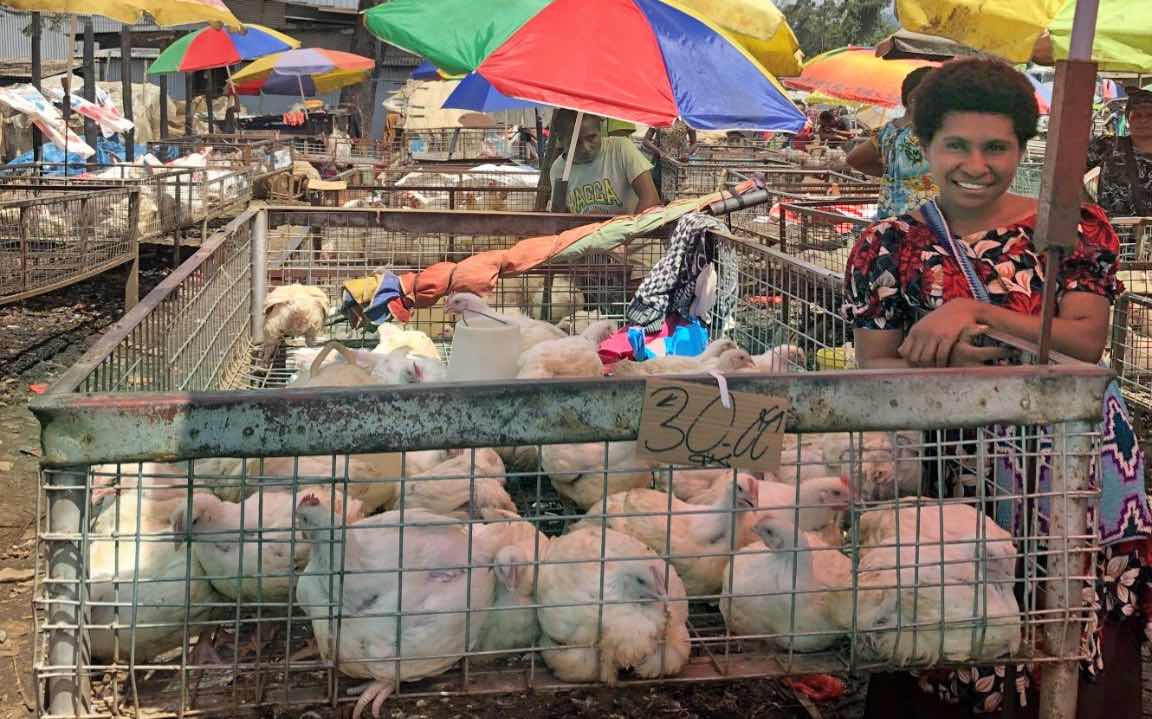
Improving agricultural value chain coordination and gender inclusiveness in Papua New Guinea
Challenges and opportunities for women to engage in more profitable work.
-
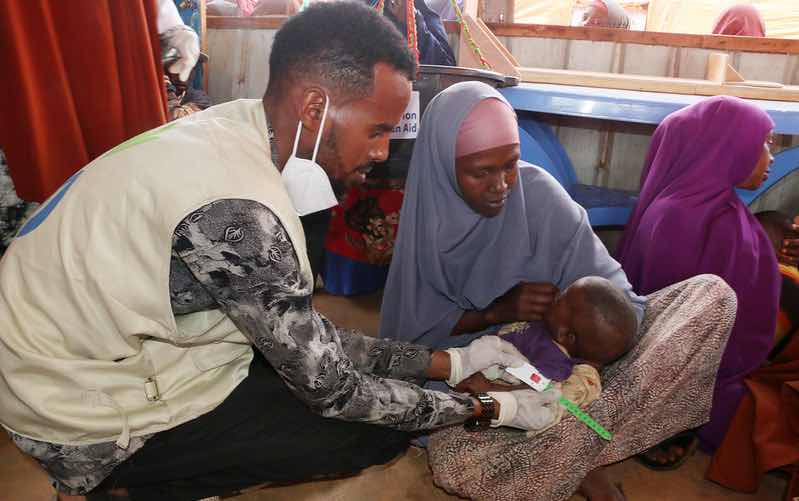
The global food price crisis threatens to cause a global nutrition crisis: New evidence from 1.27 million young children on the effects of inflation
Research links high food prices to wasting and stunting.
-
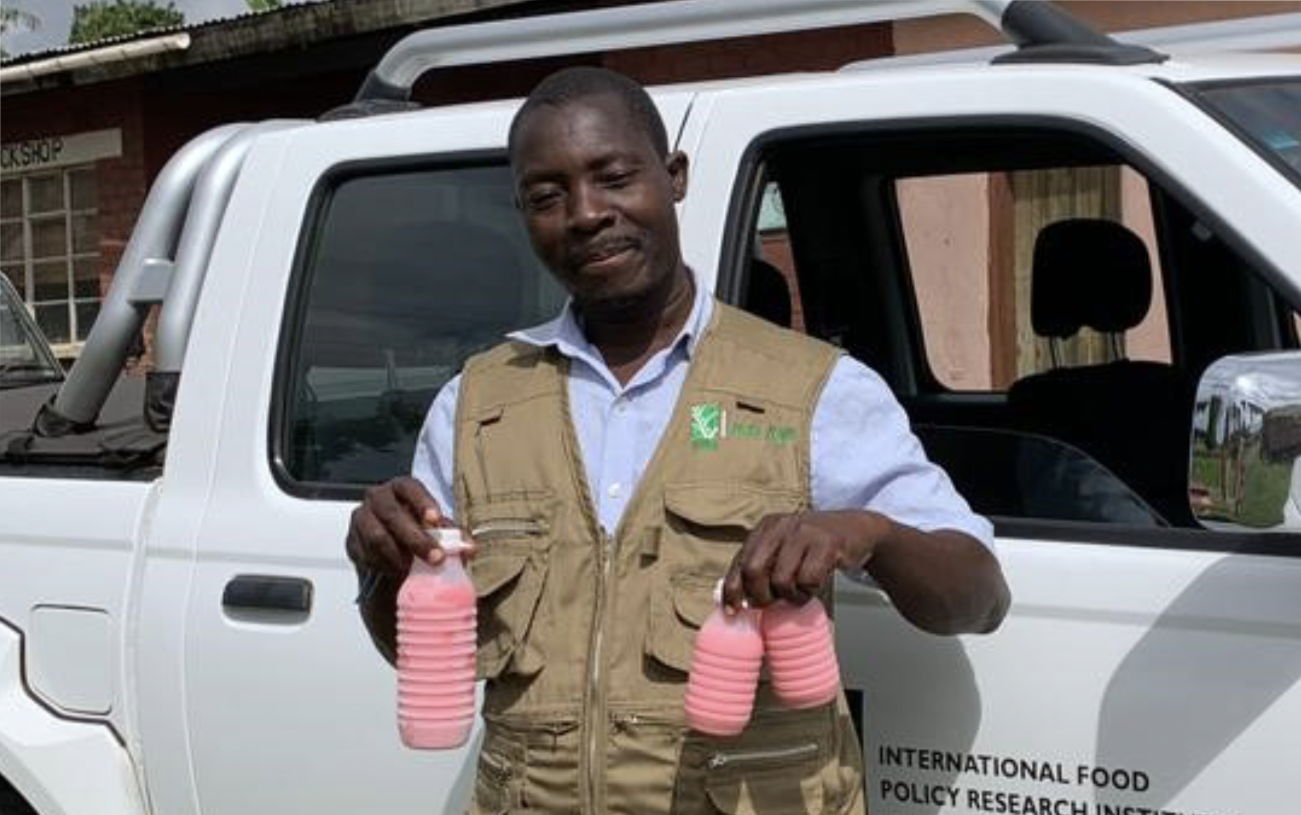
Photo essay: Talking to farmers in Malawi to understand how to improve agricultural cooperative performance
Focus groups and other approaches help clarify what works.
-
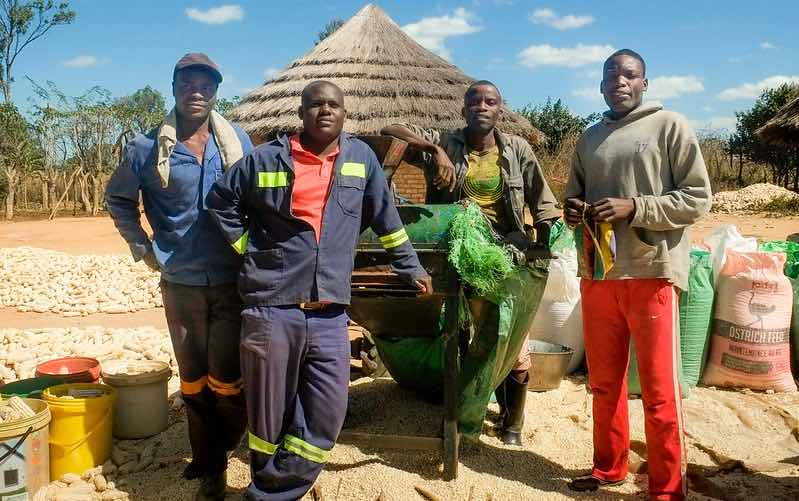
Unleashing the power of young agripreneurs
A key to improving economic prospects in rural areas around the world.
-
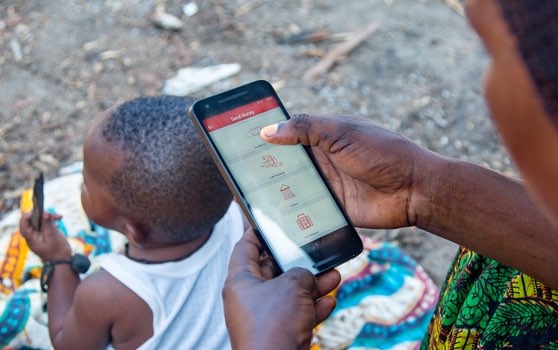
How mobile technologies are reducing gender inequities in Tanzania’s agrifood system
Leveraging expanding cell phone use.
-
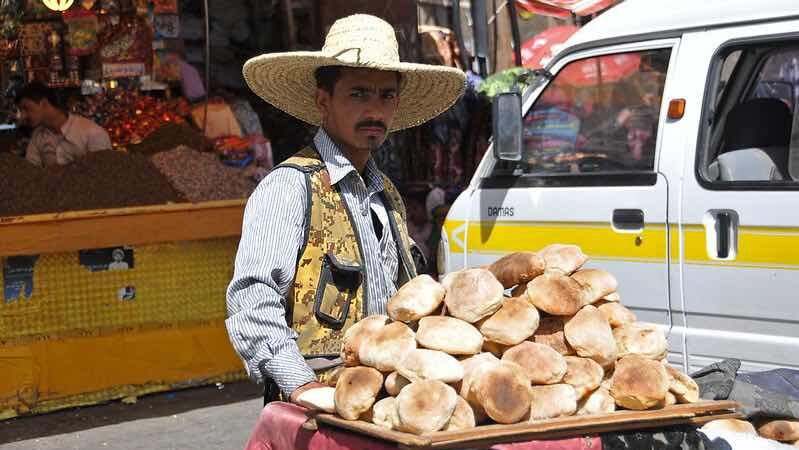
Addressing the food crisis in Yemen: The private sector’s key role amid local conflict and global market disruptions from the Russia-Ukraine war
A tenuous food security situation faces shifting pressures.
-

Can conditional cash transfers boost trust within communities? In Tanzania, they did
Impacts of cash assistance programs reach beyond spending power.
-
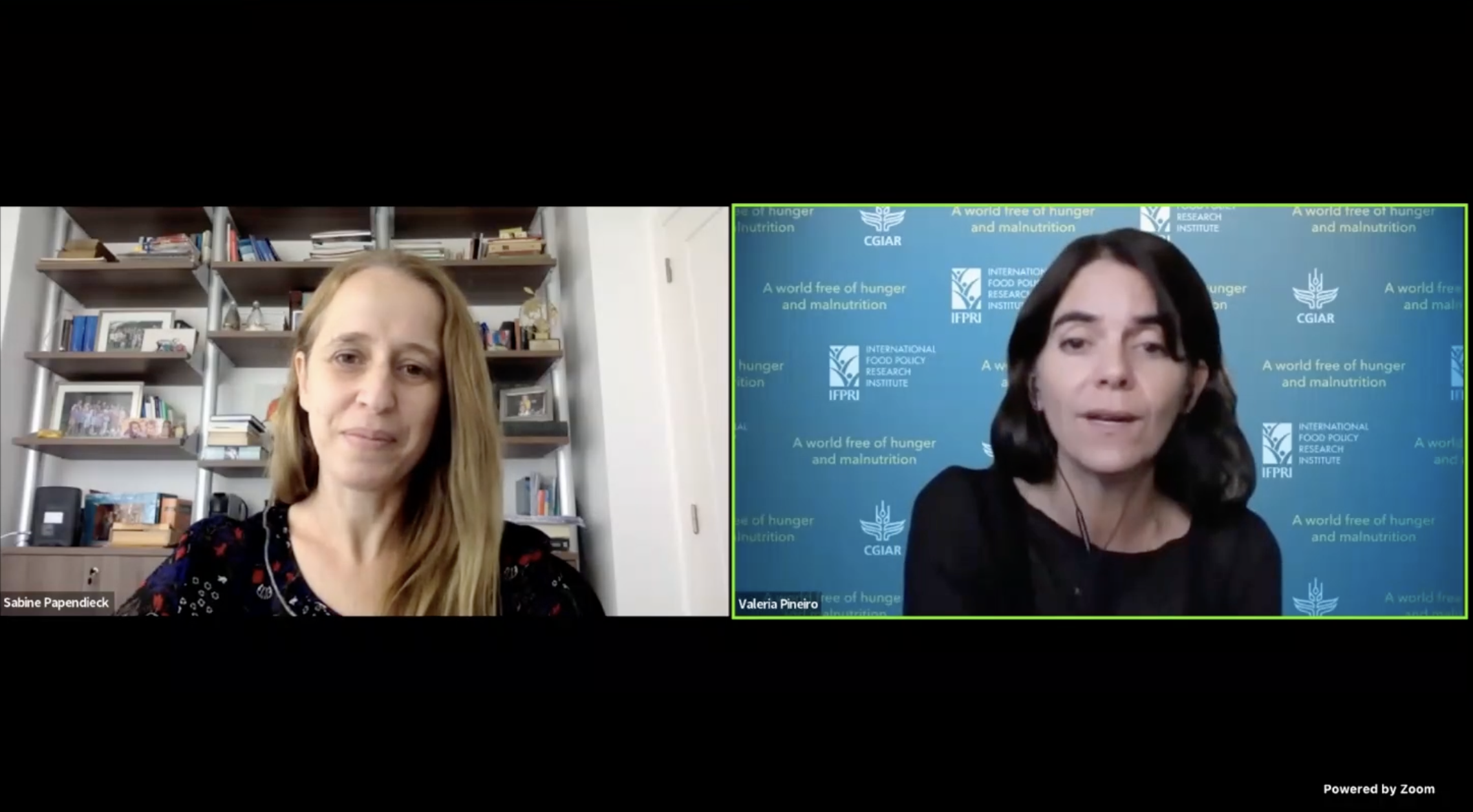
Seminario político: La agricultura en las Américas y la COP27
Prospects for fostering mitigation, adaptation, and resilience.
-

Policy seminar: Agriculture in the Americas and COP27
Prospects for fostering mitigation, adaptation, and resilience.
-
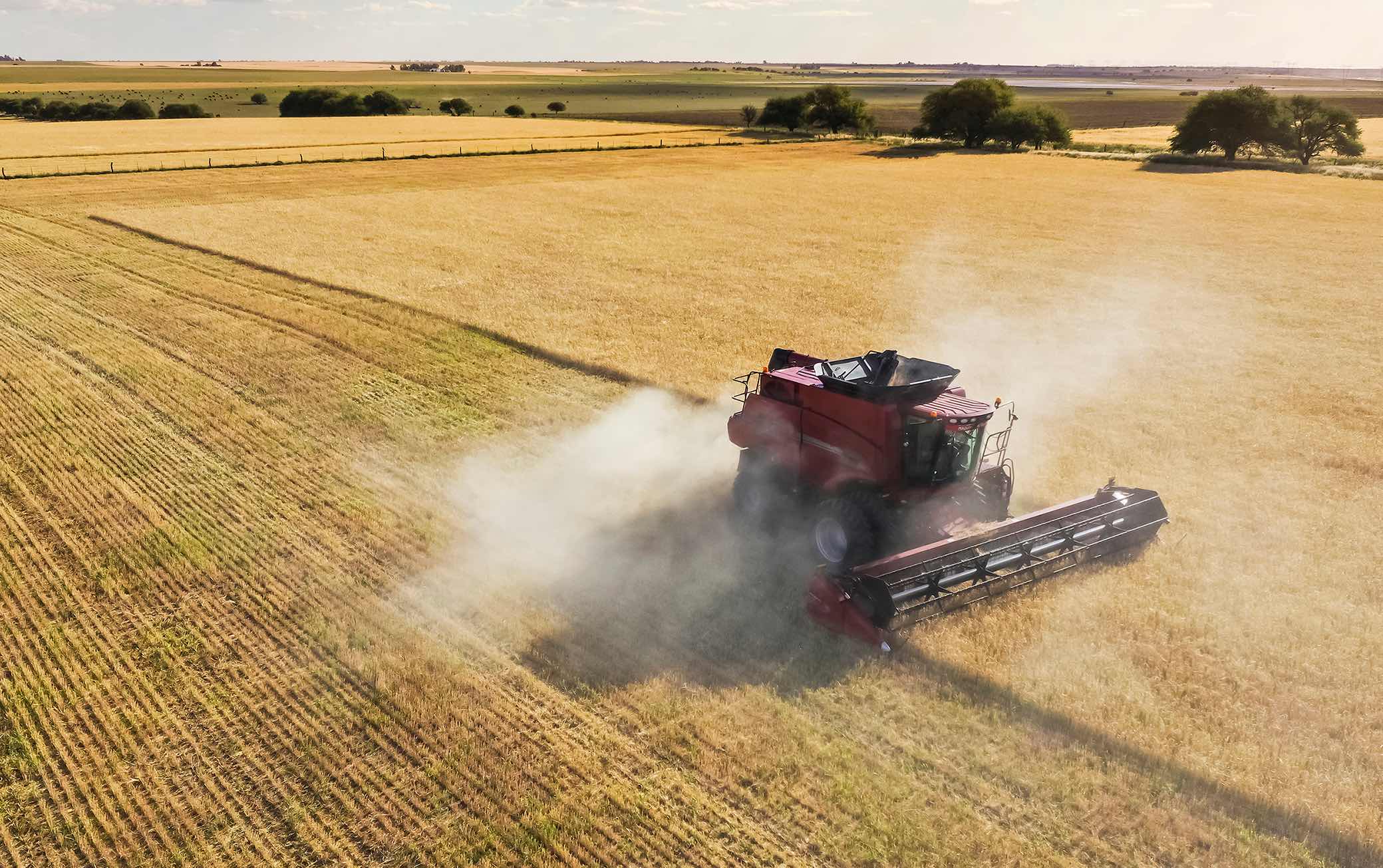
Can agricultural exports from Southern Cone countries make up for global supply disruptions arising from the Russia-Ukraine war?
Shifting tides of international trade.
-

How is economic security linked to violence against women and children? New insights from the Sexual Violence Research Initiative Forum 2022
Economic programming policies to drive the violence prevention agenda.
-
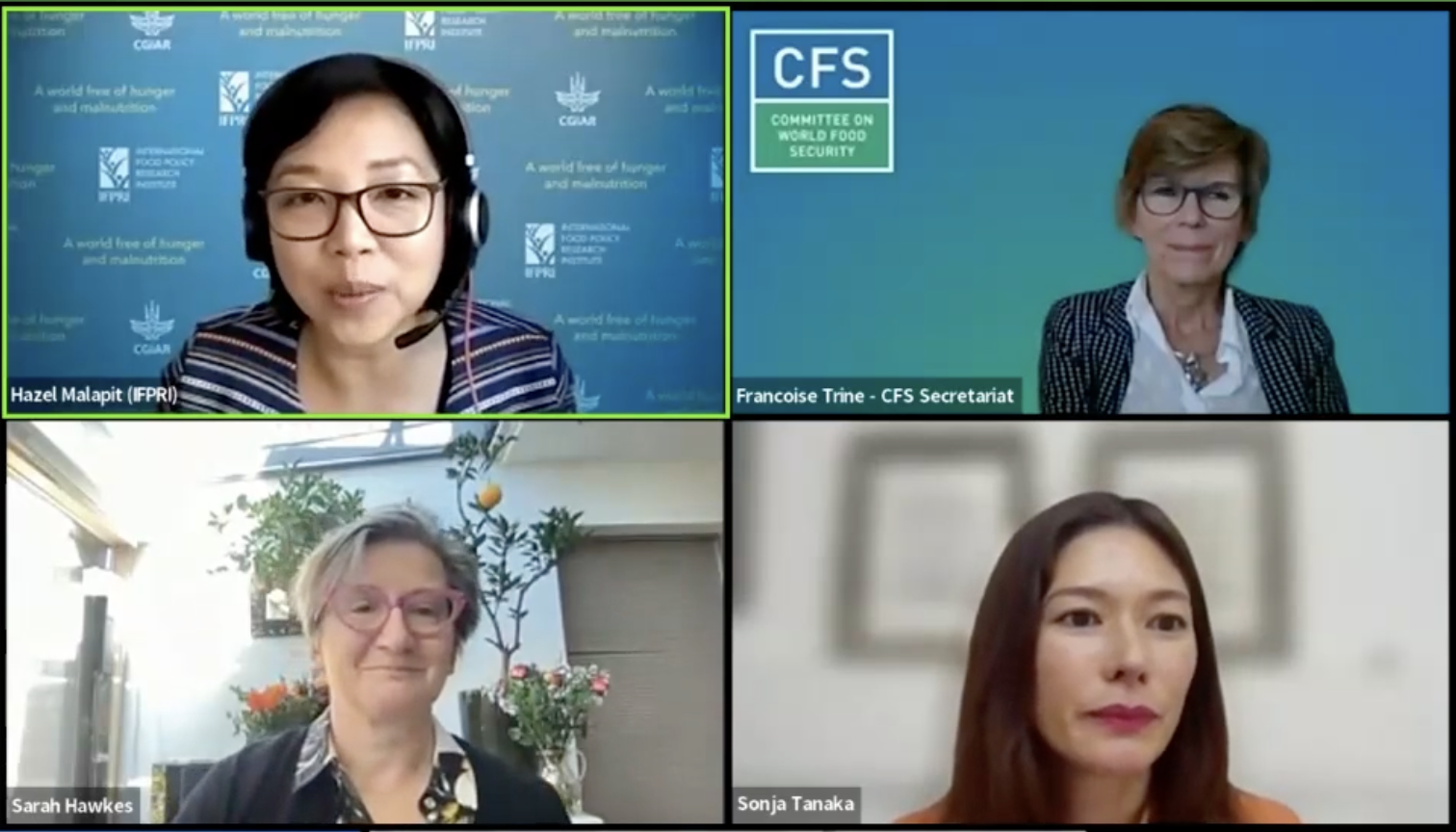
Hungry for Gender Equality: Second annual Global Food 50/50 Report
Tracking how food and nutrition organizations are doing on internal diversity and inclusion.
-
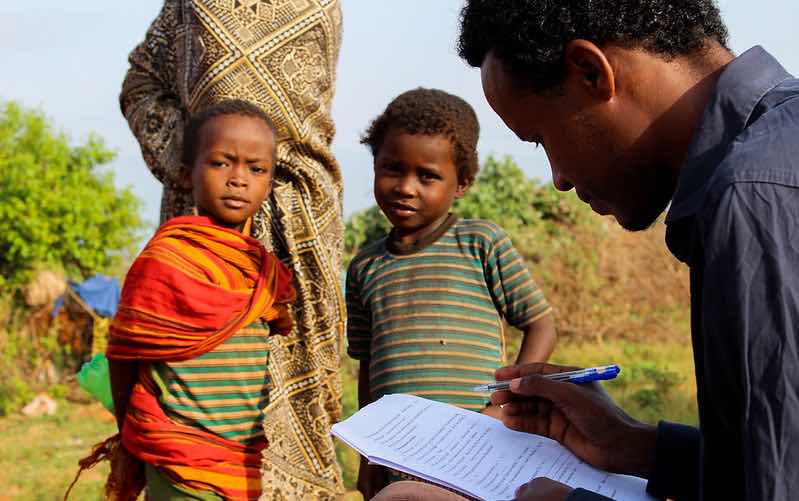
World Science Day for Peace and Development 2022: Studying how to help vulnerable populations contend with shocks
Insights into resilience, well-being, and trust in institutions.
-
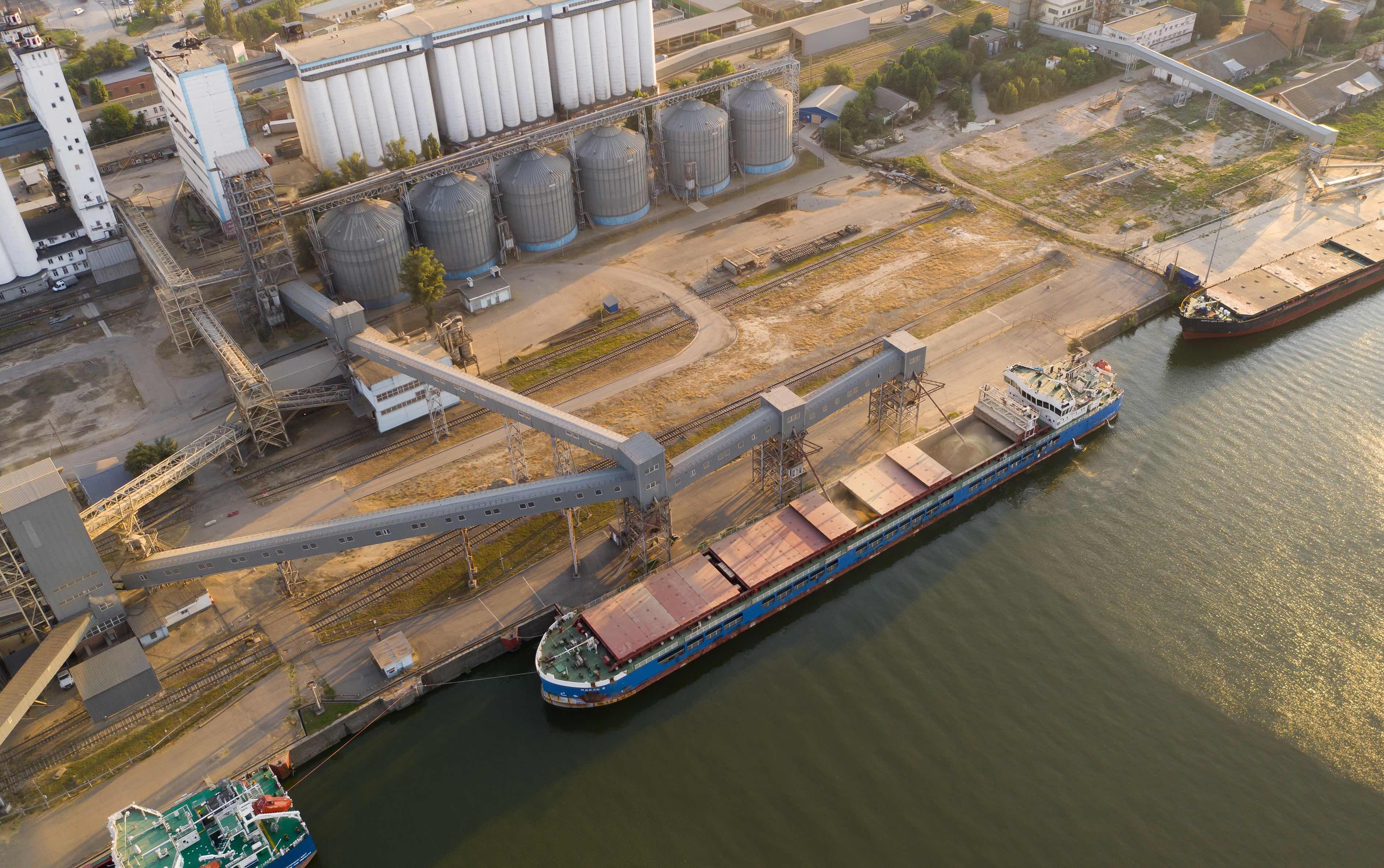
How sanctions on Russia and Belarus are impacting exports of agricultural products and fertilizer
Data show a mixed picture for exempted products.
-
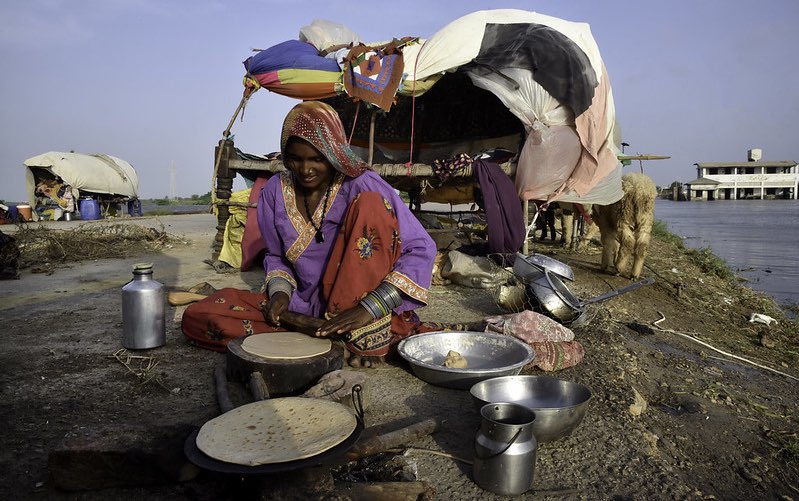
The Pakistan floods, COP27, and prospects for recovery and climate justice
An opportunity for action as the global climate conference gets underway.
-
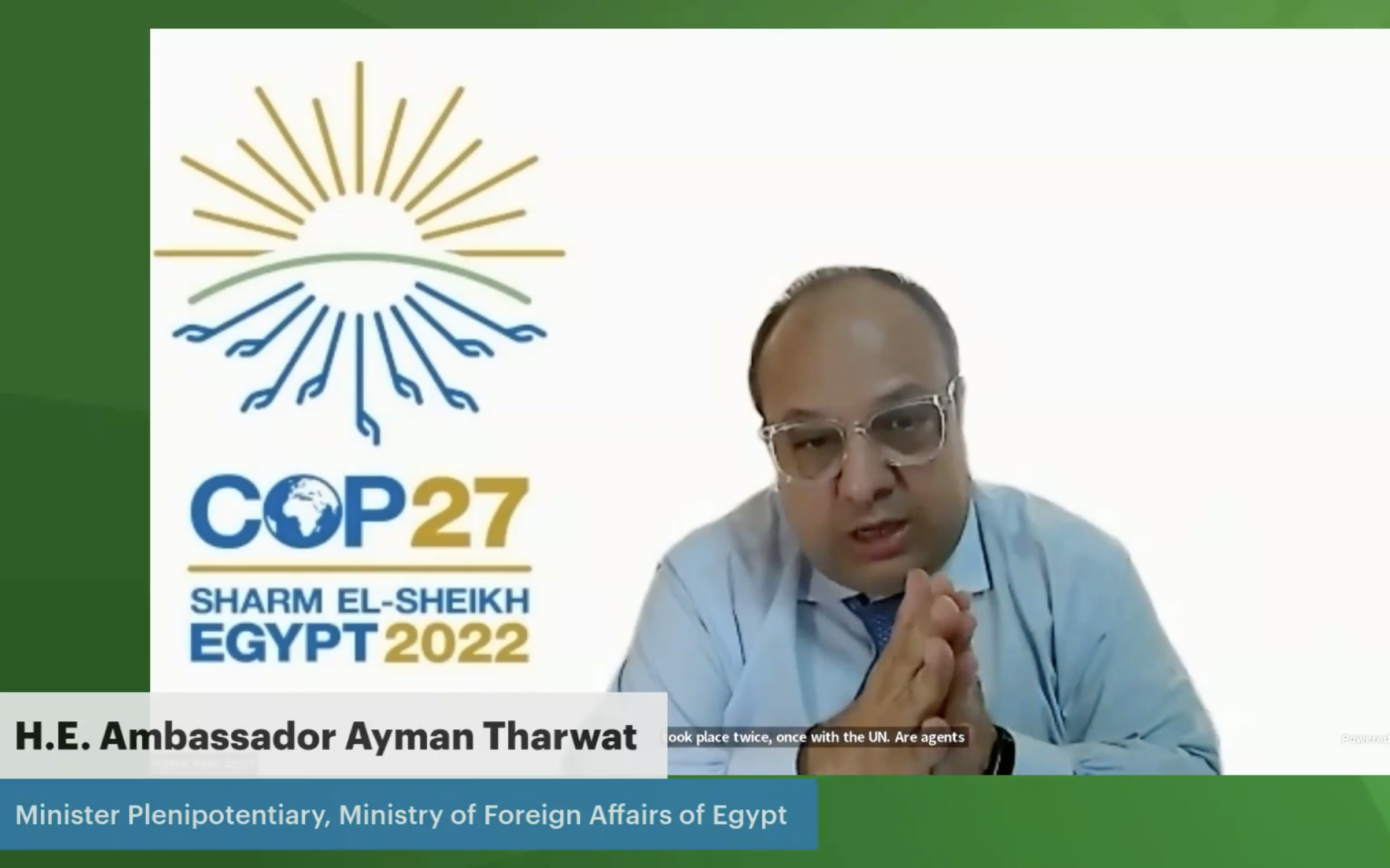
CGIAR Borlaug Dialogue 2022 side event: Egypt’s COP27 plans and the role of CGIAR
Approaches to climate adaptation in a vulnerable region.
-
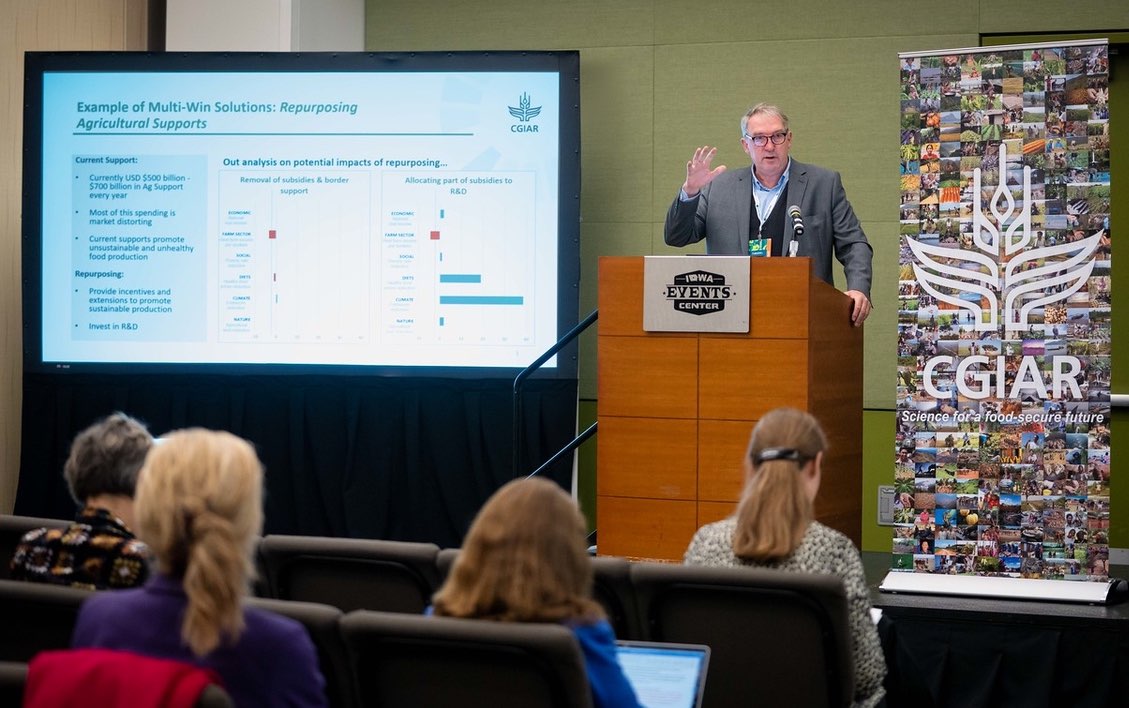
CGIAR scientists and partners discuss multiple-win solutions to the global food crisis at Borlaug Dialogue 2022
Innovations to address current hardships and speed food system transformation.
-
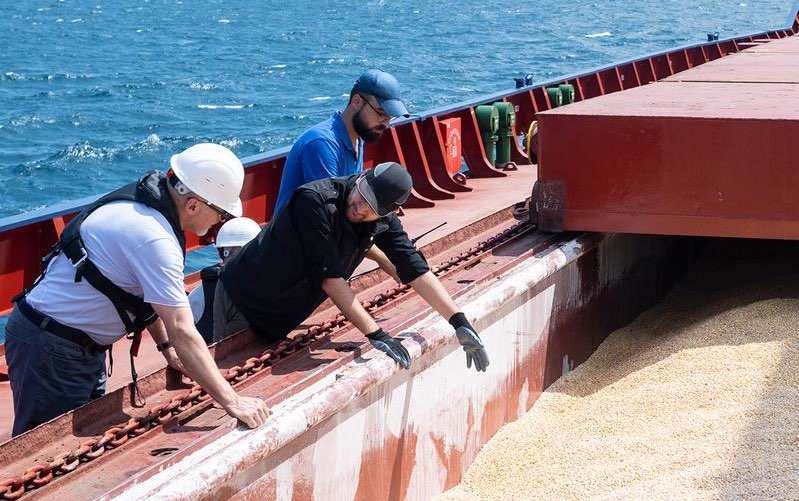
Suspension de l’Initiative Céréalière de la Mer Noire : qu’est-ce que l’accord a accompli, et que se passe-t-il maintenant?
New stresses on global food security.
-

《黑海粮食倡议》暂停:这项协议取得什么成果,现在何去何从?
New stresses on global food security.
-

Suspension of the Black Sea Grain Initiative: What has the deal achieved, and what happens now?
New stresses on global food security.
-

Выполнение Черноморской зерновой инициативы приостановлено: каковы ее результаты, и что будет теперь?
New stresses on global food security.
-

Suspensión de la Iniciativa de Granos del Mar Negro: ¿Qué ha conseguido el acuerdo y qué pasa ahora?
New stresses on global food security.
-

تعليق العمل بمبادرة البحر الأسود لنقل الحبوب: ماذا أنجز الاتفاق وماذا سيجري بعد اليوم؟
New stresses on global food security.
-
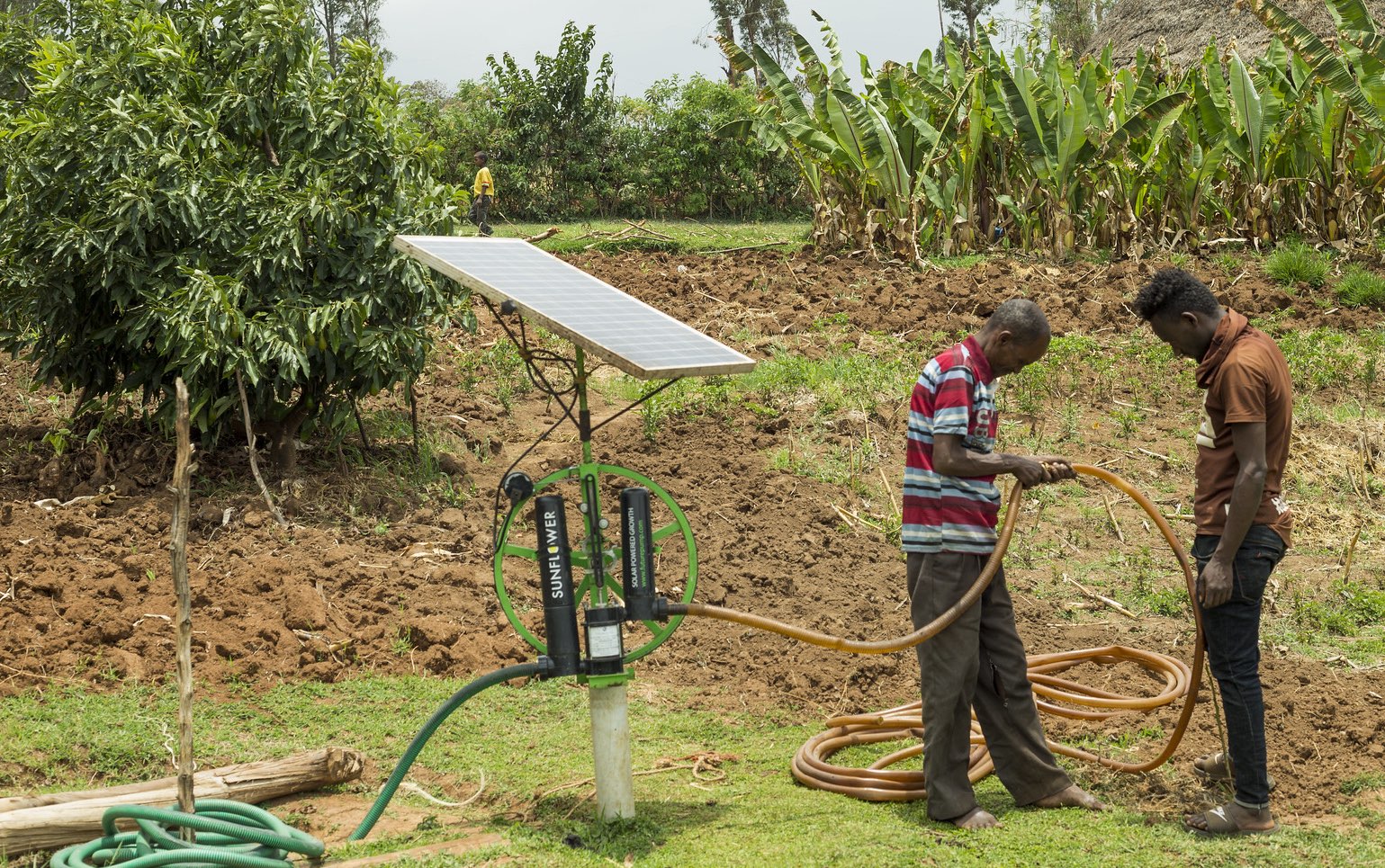
How can we address recurring global food and fuel crises? The role of solar powered irrigation
Confronting wicked problems from the ground up.
-
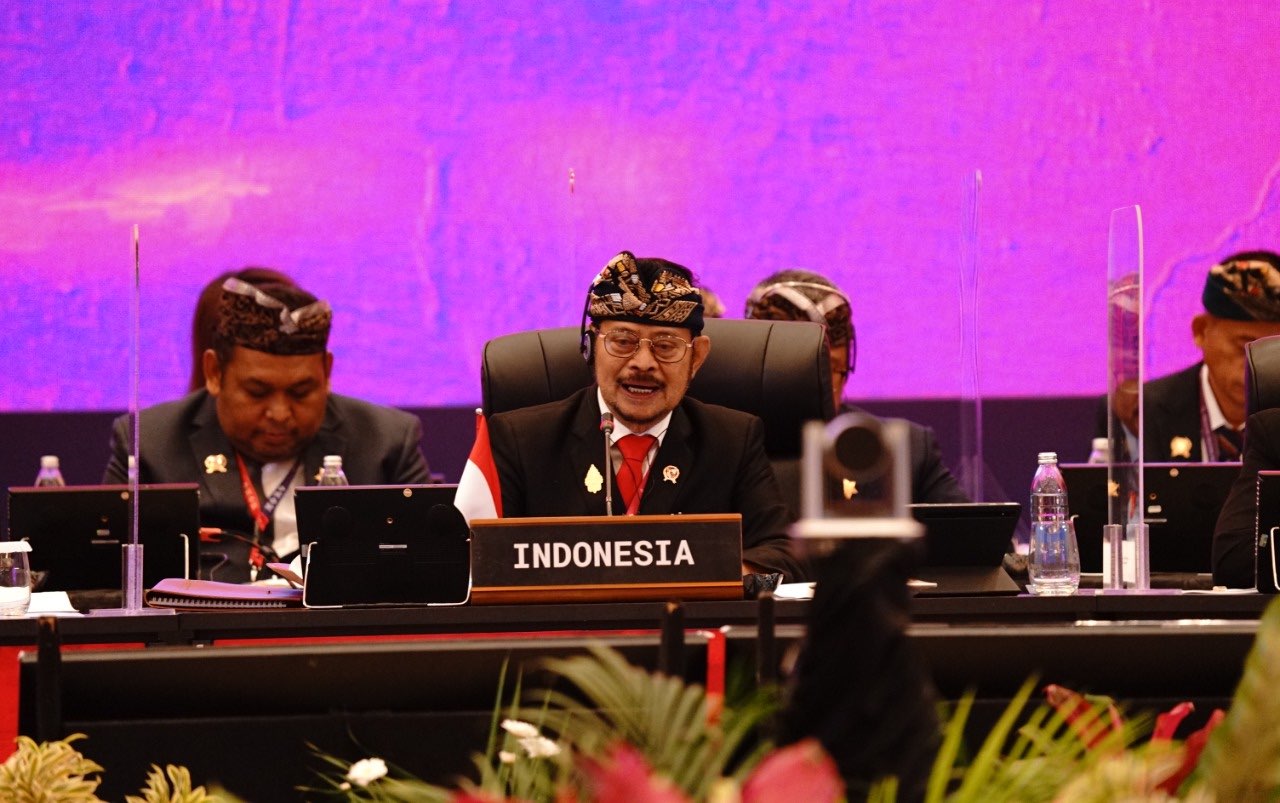
G20 Agriculture Ministers underscore importance of food system sustainability, open and fair trade, and digital innovations as long-term food crisis responses
Countries grapple with high food prices and persistent hunger and malnutrition.
-
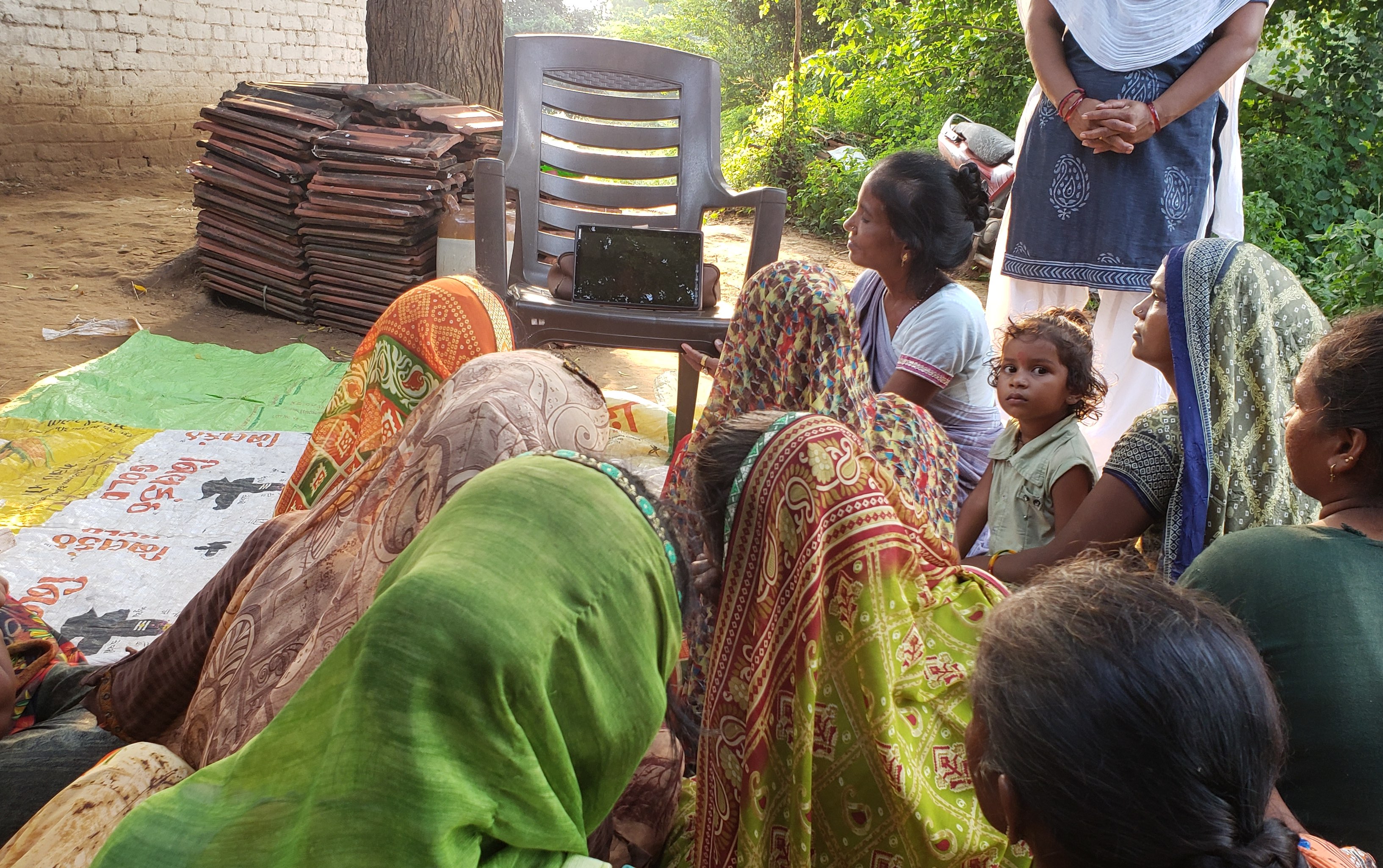
International Rural Women’s Day 2022: Reaching women farmers with information on climate smart agriculture
Future food production depends on addressing gender issues.
-
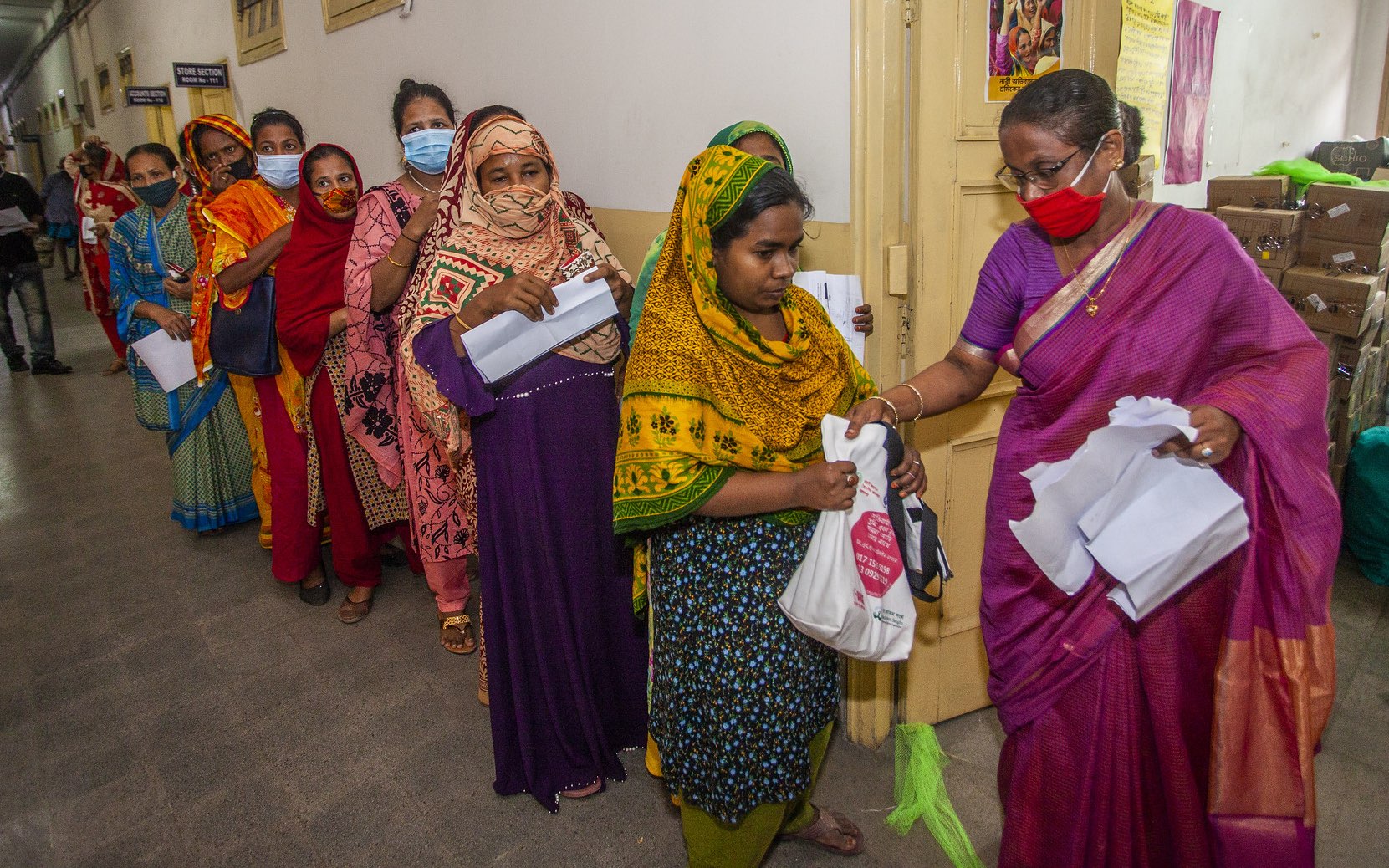
When ties that bind Increase migrants’ vulnerability: Insights from the south to west Asia migration corridor
Workshops explore how to better support workers.
-
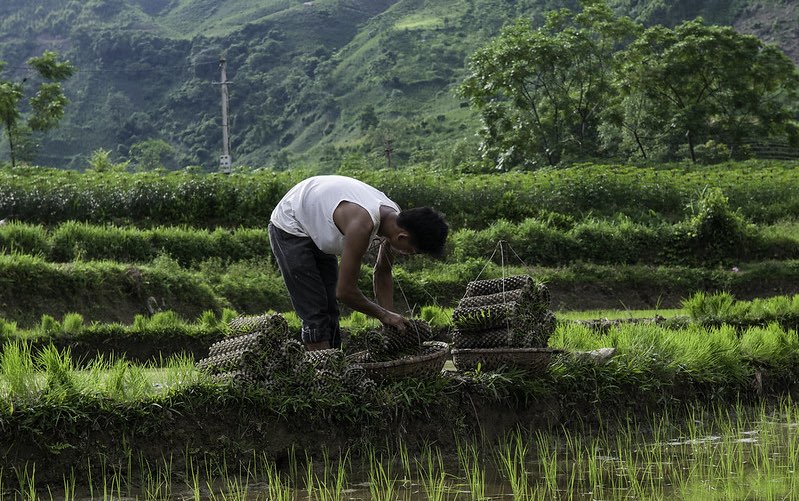
The quest for CGIAR innovations to reduce food system carbon footprints on a global scale
Seeking big ideas for sustainability.
-

No end in sight yet for the global food price crisis
Continuing fallout from the the Russia-Ukraine war.
-
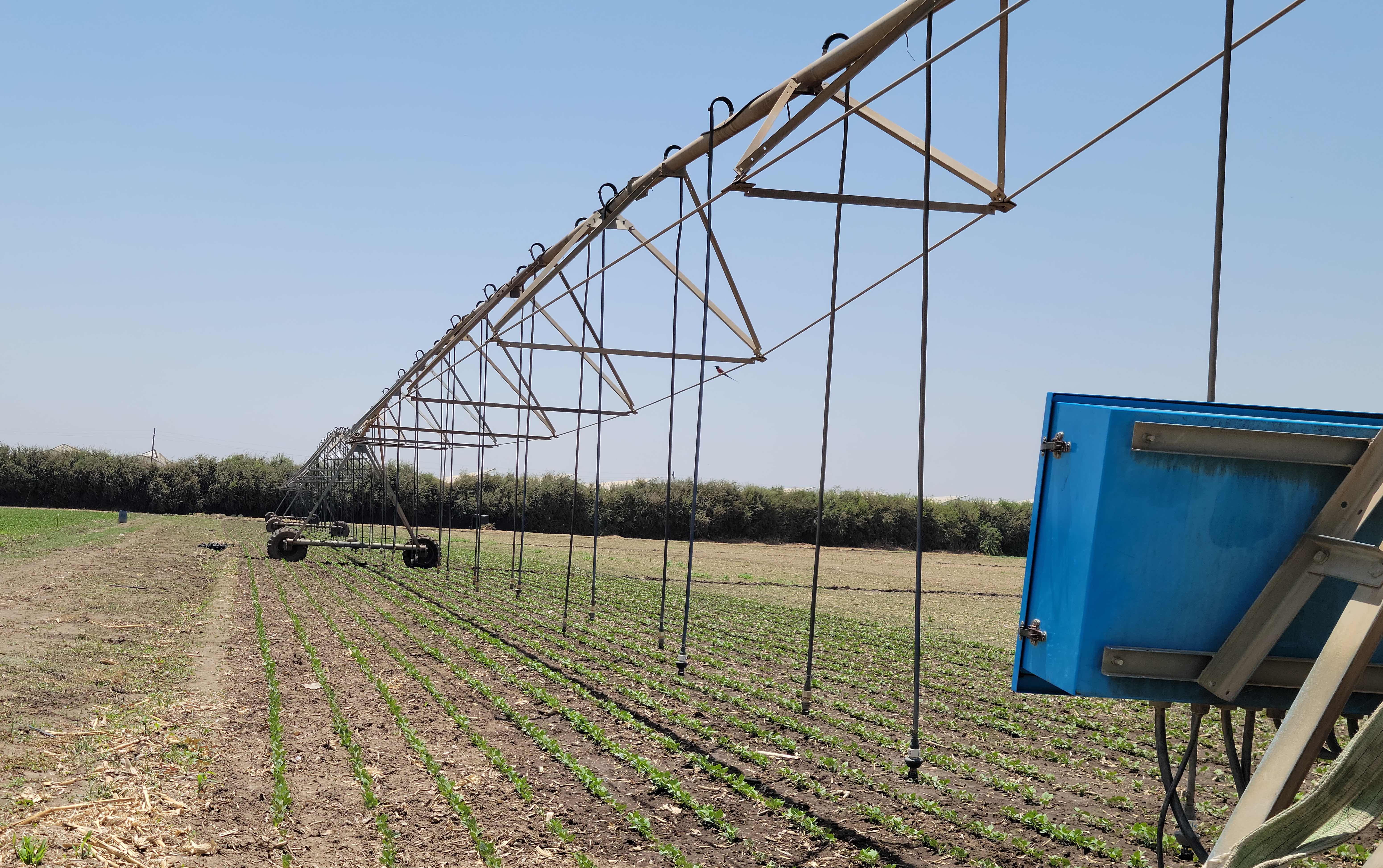
Modeling the optimal energy solutions for irrigation in Ethiopia
The best places for grid-based, solar, and diesel powered equipment.
-
Examining ways to promote mobile money use in refugee-hosting areas in Ethiopia
The importance of digital financial inclusion.
-
Global Food Policy Report 2022 Nepal launch: Accelerating innovation and investments to transform food systems
Addressing growing risks from climate change, conflict, and other problems.
-
Global Food Policy Report 2022 South Asia launch: Climate change and food systems transformation in India
Accelerating policies and investments to contend with shocks and build resilience.
-
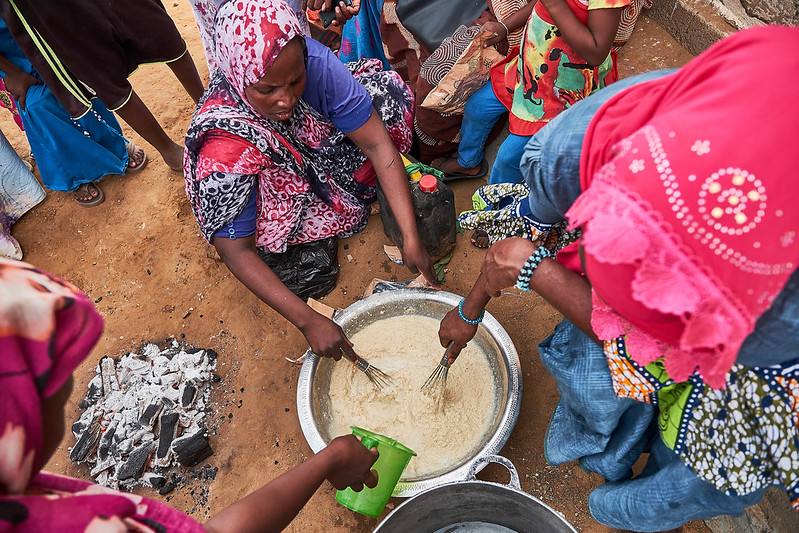
The response to the global food crisis must address the needs of women and girls
Billions of dollars in assistance require a focus on gender.
-

Text reminders encourage more women to seek family planning services: Evidence from a randomized control trial in Mozambique
Benefits of a “nudge” approach.
-

Policy seminar: Mobilizing efforts to strengthen research and policy responses to the global food security crisis
Addressing a humanitarian disaster without borders.
-
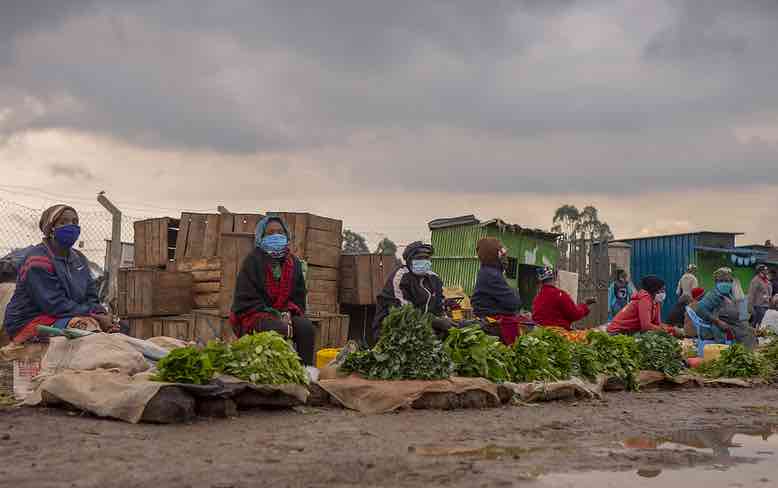
A glimpse into the gendered impacts of COVID-19 in rural Kenya
Effects of lost income and food insecurity linger, particularly for for women, a study shows.
-
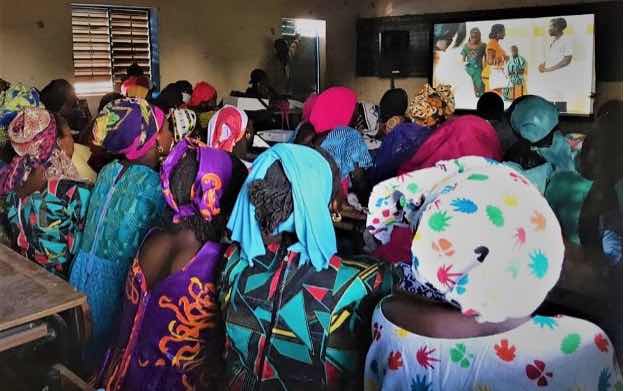
« Qui aurait pensé que le cinéma puisse arriver jusqu’ici ? » : Leçons tirées de la mise en œuvre d’un programme communautaire d’éducation par le divertissement dans une région rurale au Sénégal
A show set in a maternal health clinic offers perspectives on women’s health.
-

‘Who would have thought that cinema could reach this far?’: Lessons from implementing community-based edutainment in rural Senegal
A show set in a maternal health clinic offers perspectives on women’s health.
-
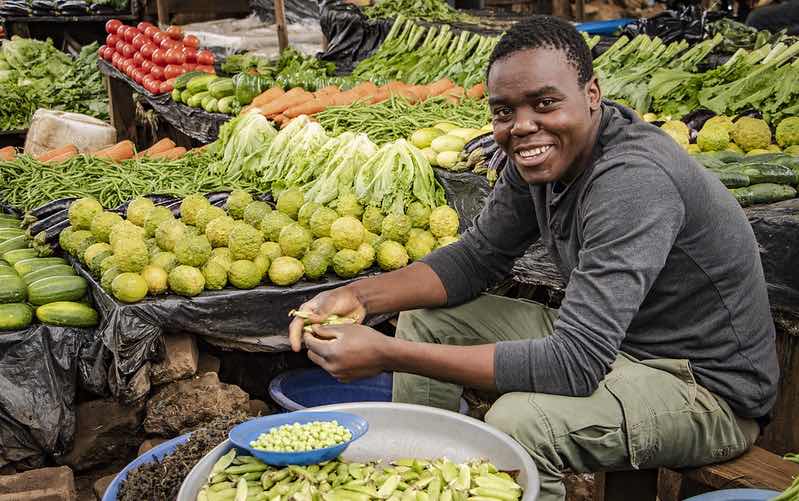
2022 State of Food Security and Nutrition in the World report: Repurpose agricultural subsidies to make healthy diets affordable, reduce rising hunger
Impacts from COVID-19, climate change, and conflicts including the Russia-Ukraine war continue to push more people into food insecurity.
-

The Russia-Ukraine grain agreement: What is at stake?
The deal to resume agricultural exports could help alleviate food insecurity and stabilize markets.
-
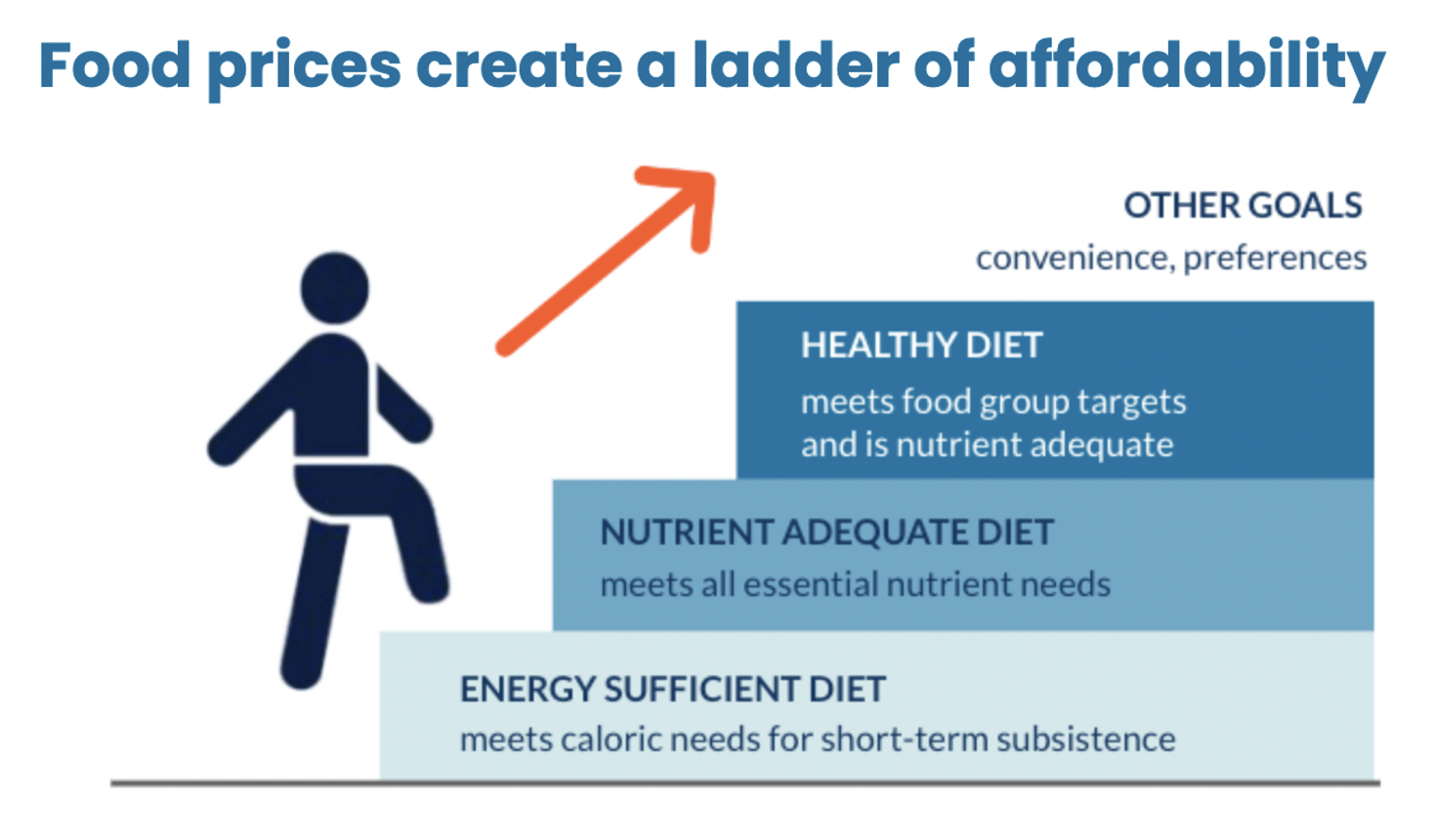
Policy seminars: As global food prices rise, important new data addresses the affordability of healthy diets
The Food Prices for Nutrition project provides new food security indicators.
-
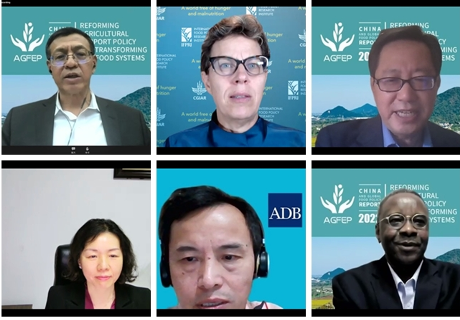
2022 China and Global Food Policy Report: Reforming agricultural support policies to promote agrifood systems transformation
Strategies for China’s agricultural transformation.
-
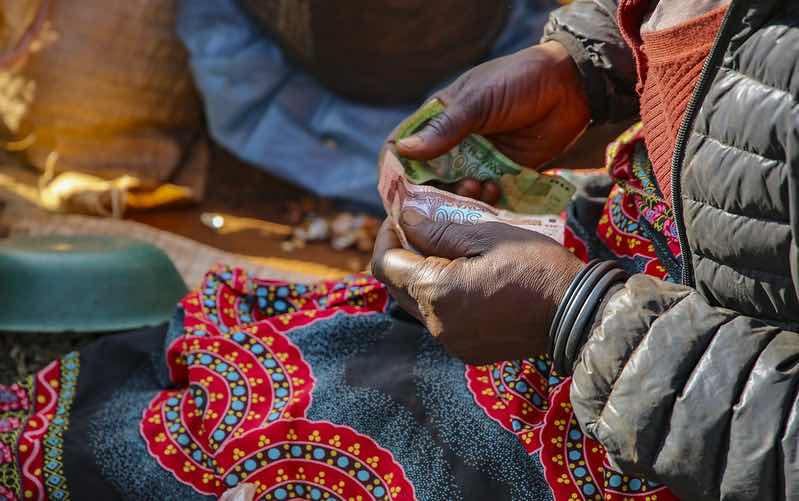
Making cash transfers more effective in reducing intimate partner violence
A new phase in understanding how such programs can empower women.
-
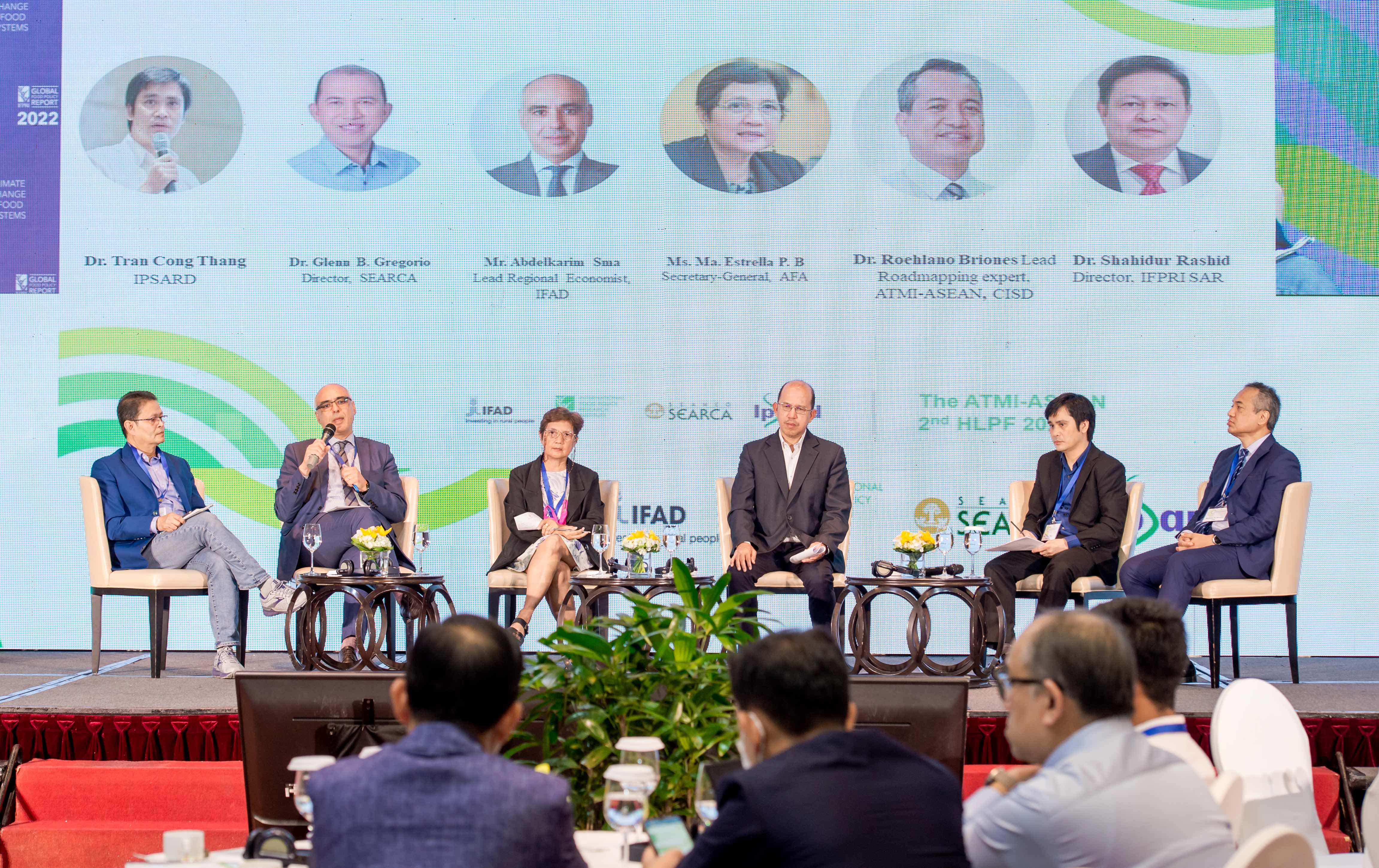
High level policy forum: Encouraging continued food systems transformation in the ASEAN region in the wake of COVID-19
Southeast Asian countries pursue greater regional integration.
-
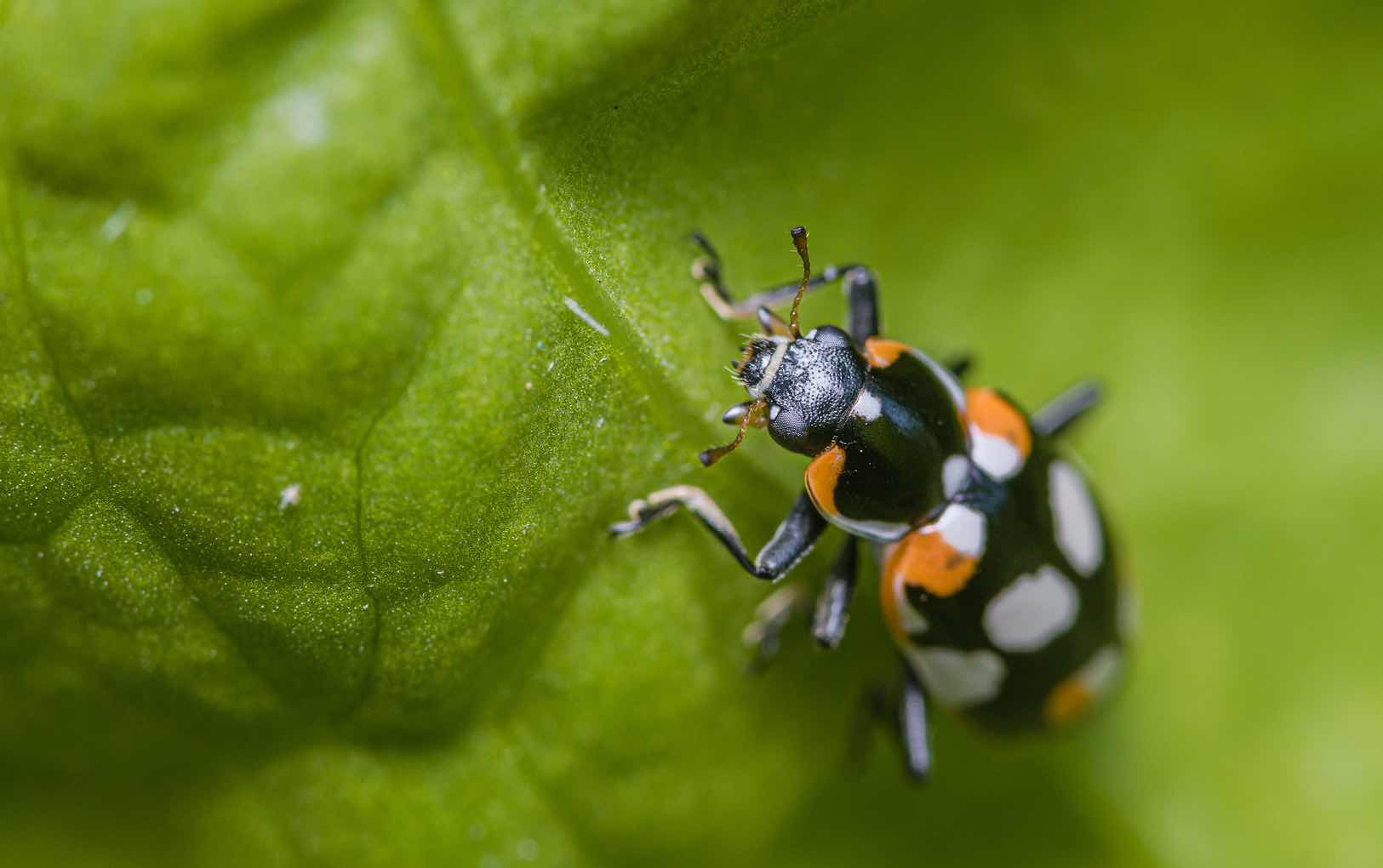
How ladybugs and disease-fighting microbes can help reduce agriculture’s carbon footprint
Benefits of scaling up integrated pest management.
-
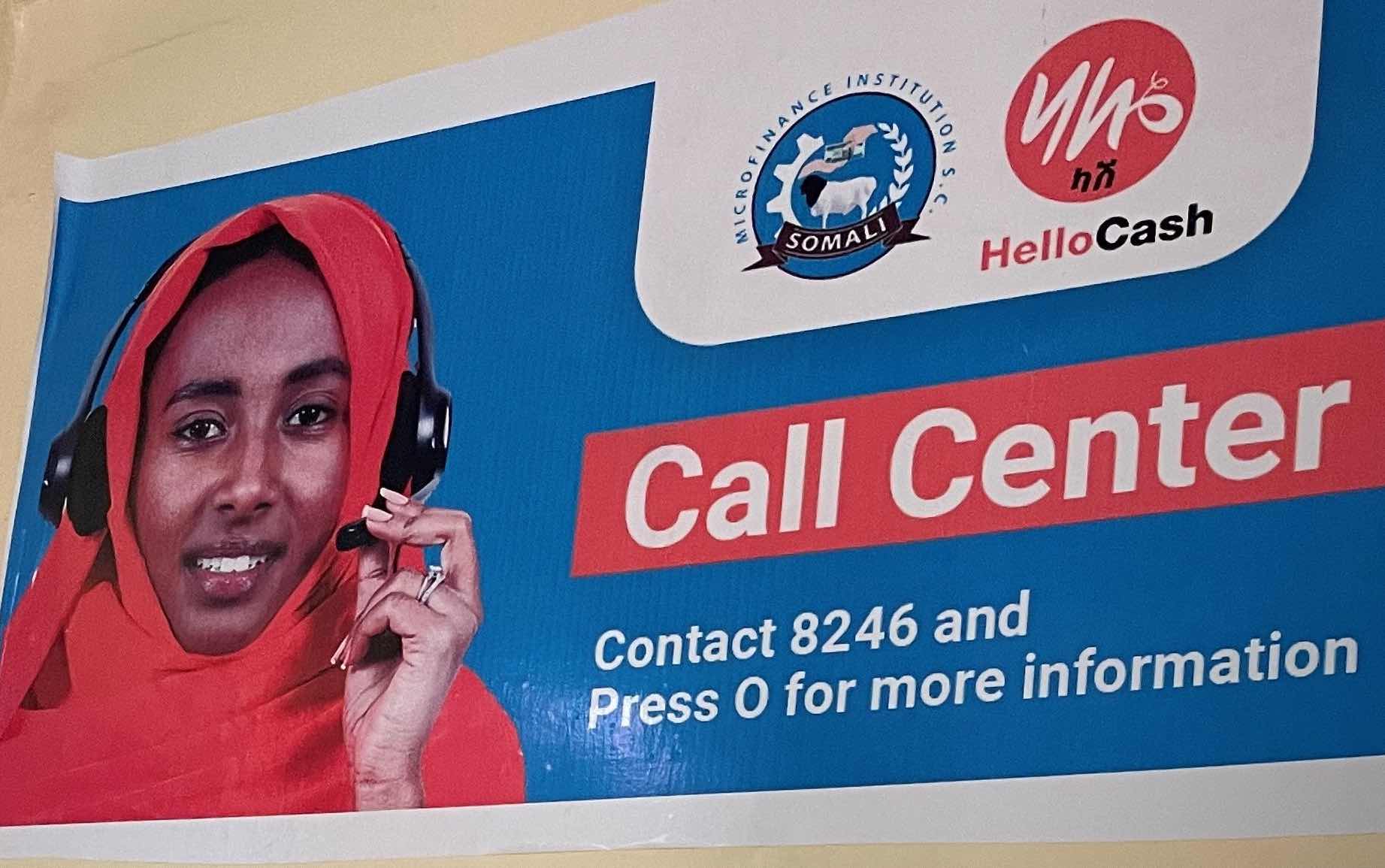
Designing a community referral system to increase financial access among women and refugees in refugee hosting areas in Ethiopia
A pilot program promotes and studies mobile banking.
-
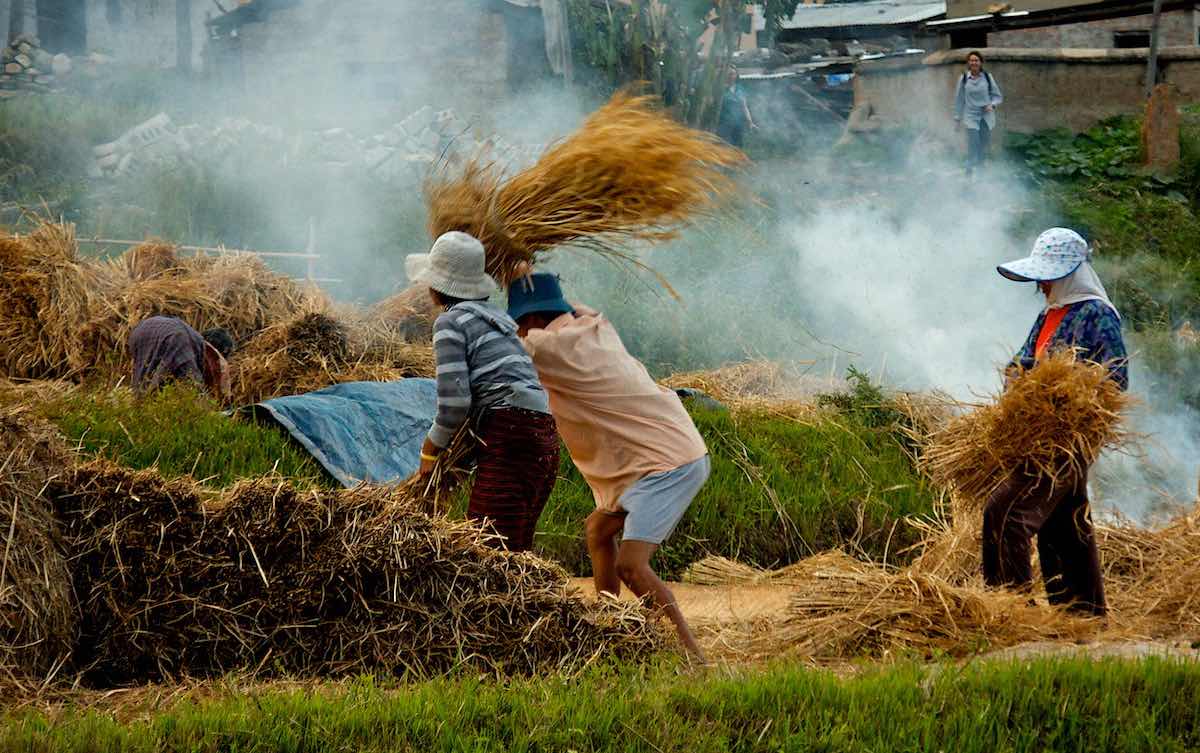
MC12: How to make the WTO relevant in the middle of a food price crisis
Steps to address export restrictions and stockholding issues.
-
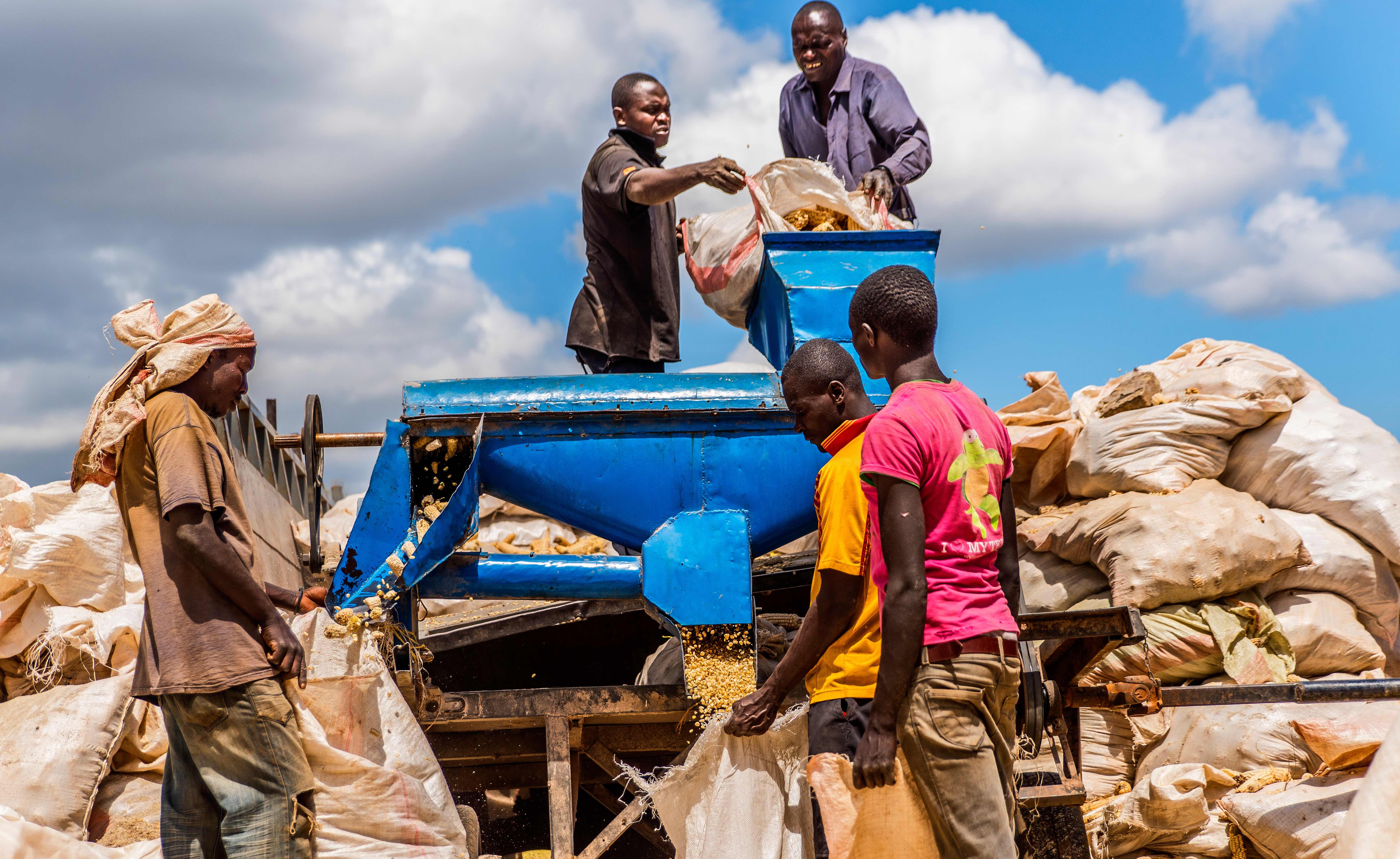
Rising commodities prices driven by the Russia-Ukraine crisis threaten to undermine Kenya’s economy, increase poverty
Modeling shows lowered GDP and agricultural production for 2022.
-
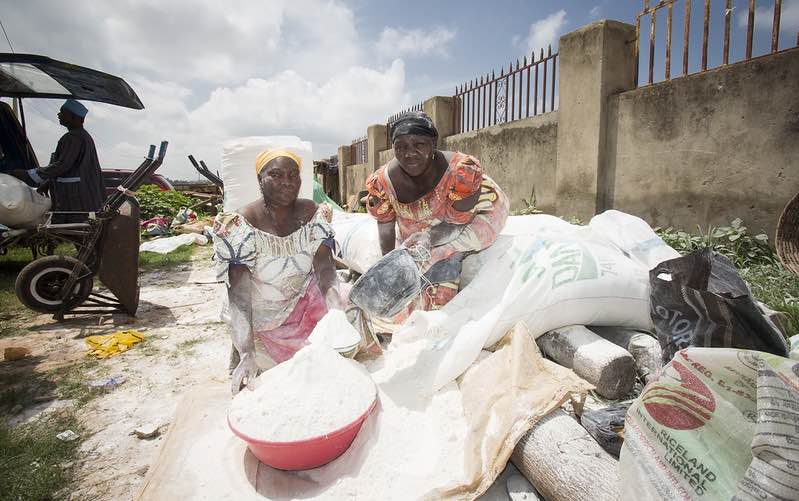
The Russia-Ukraine crisis presents threats to Nigeria’s food security, but potential opportunities for the fertilizer, energy sectors
Problems for a country that imports 99% of its wheat.
-
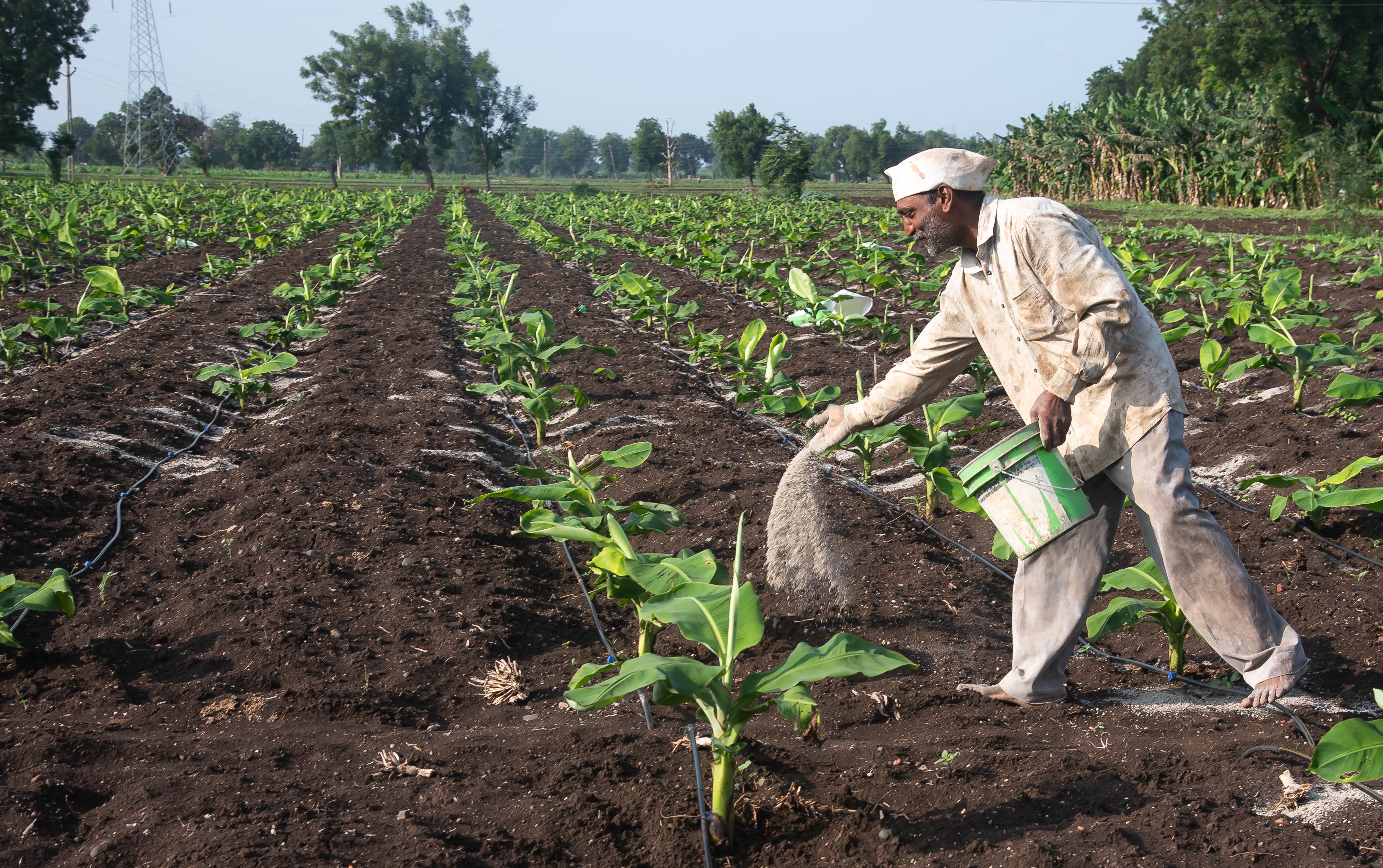
Short-term policy considerations to respond to Russia-Ukraine crisis disruptions in fertilizer availability and affordability
Rising prices and uncertain supplies affect agriculture worldwide.
-
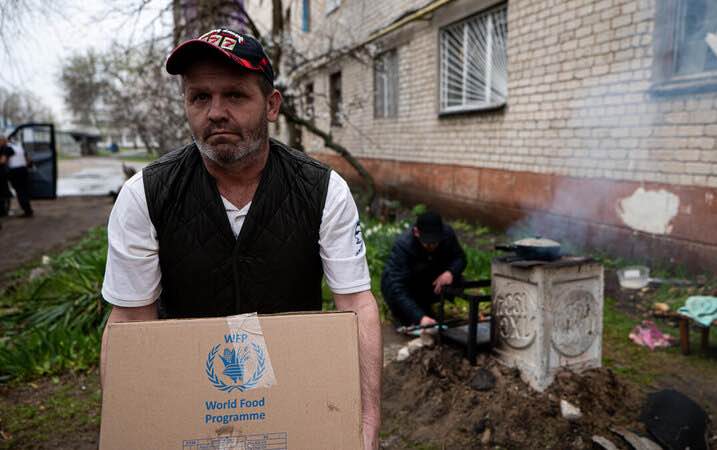
Can the G7 be a force for good in the current global food security crisis?
Ambitious commitments must be backed by action and funding.
-
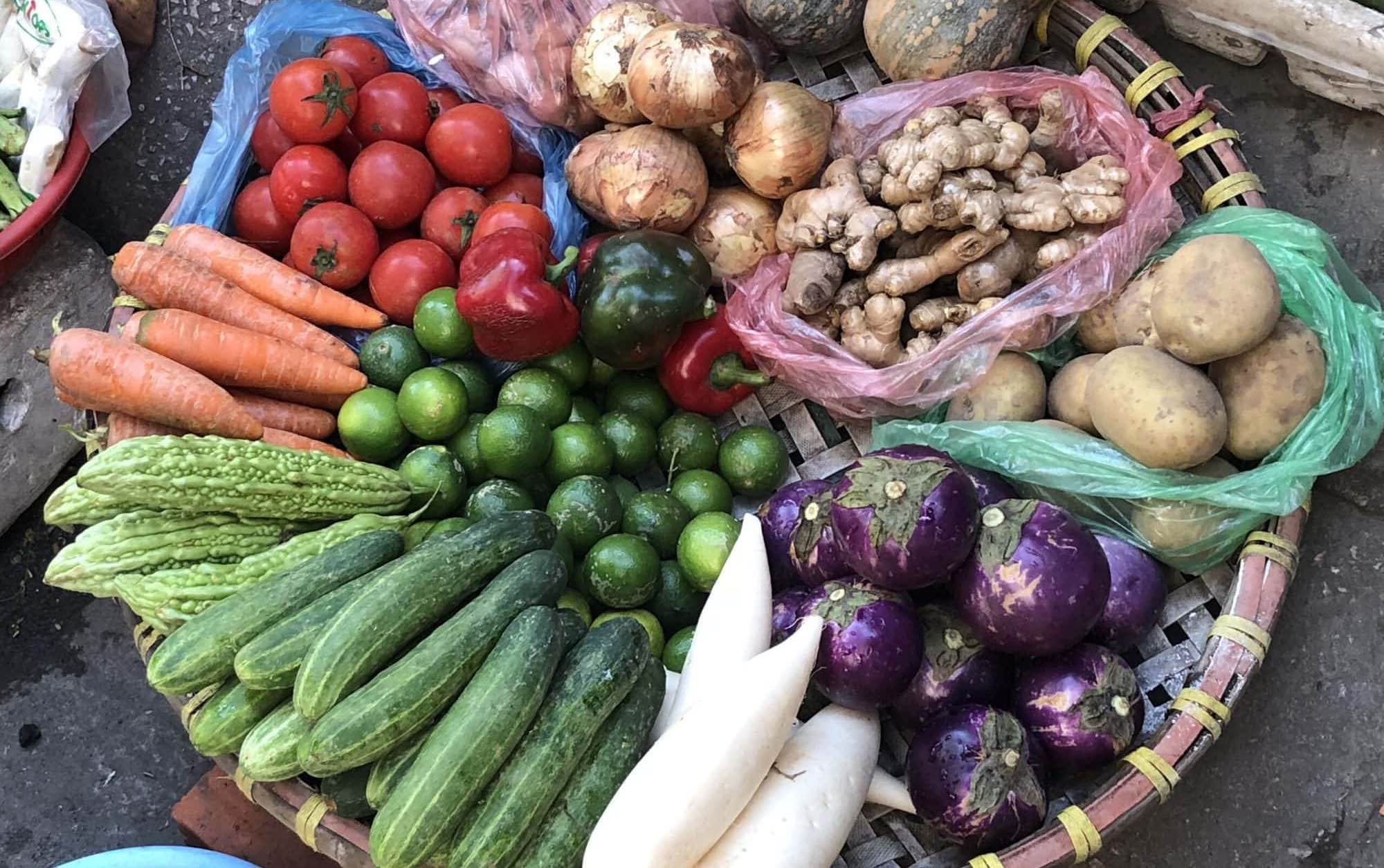
Improving fruit and vegetable consumption will require a holistic approach
A new research initiative takes aim at a major nutrition challenge.
-
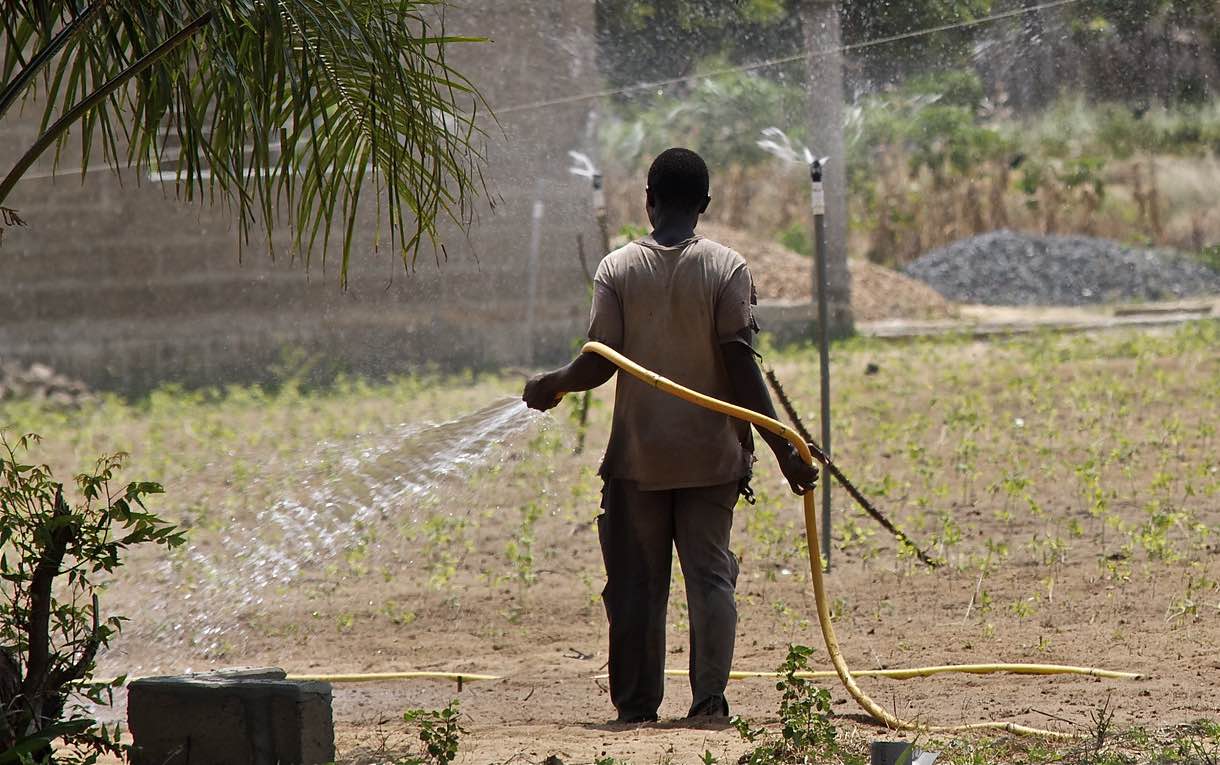
From torrents to trickles: Managing the future of irrigation
Five key points to improve water sustainability in the 21st century.
-
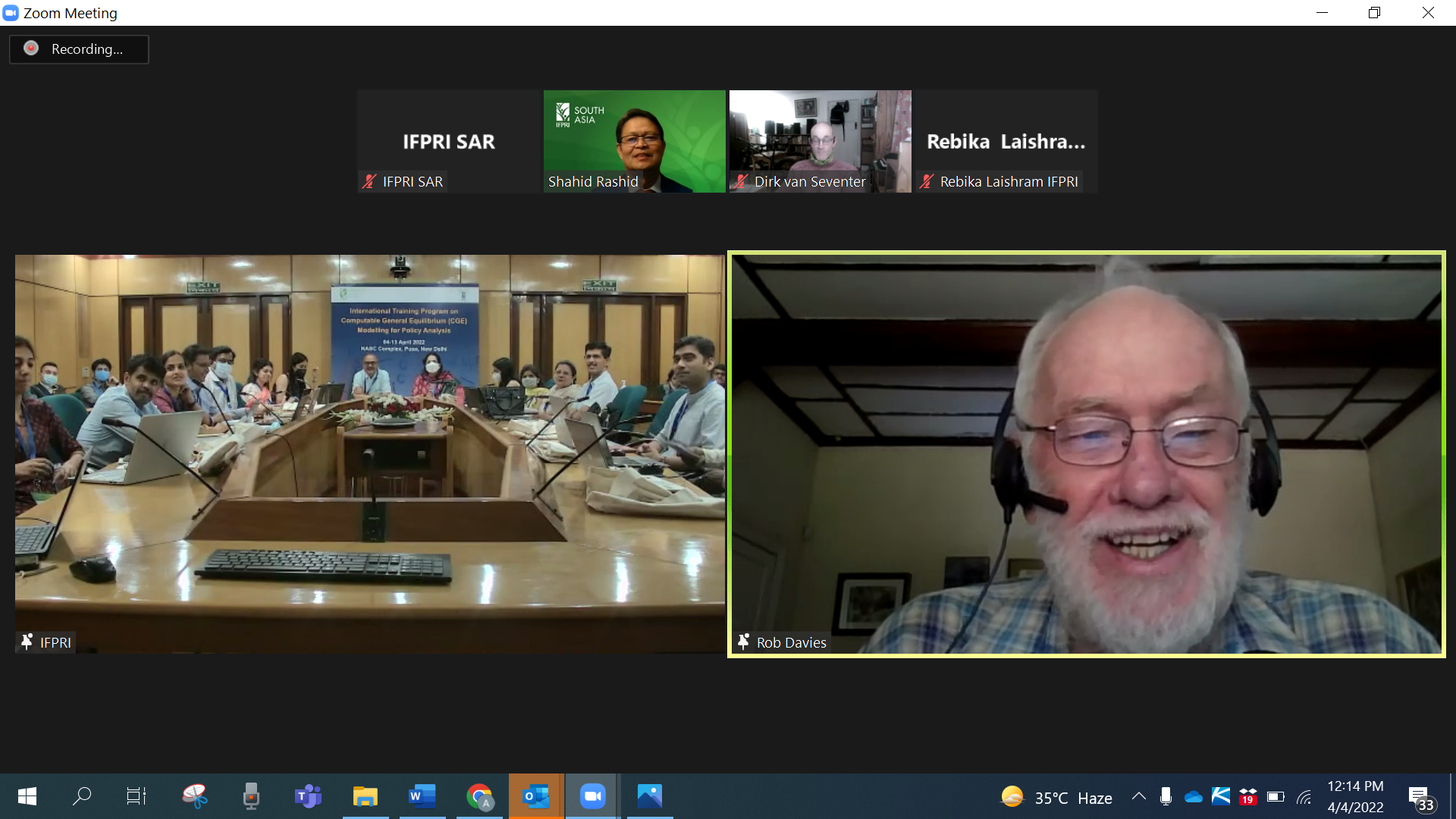
Increasing capacity on evidence-based policy Analysis through CGE modeling training in BIMSTEC countries
An important tool for managing food policy in a time of crisis.
-
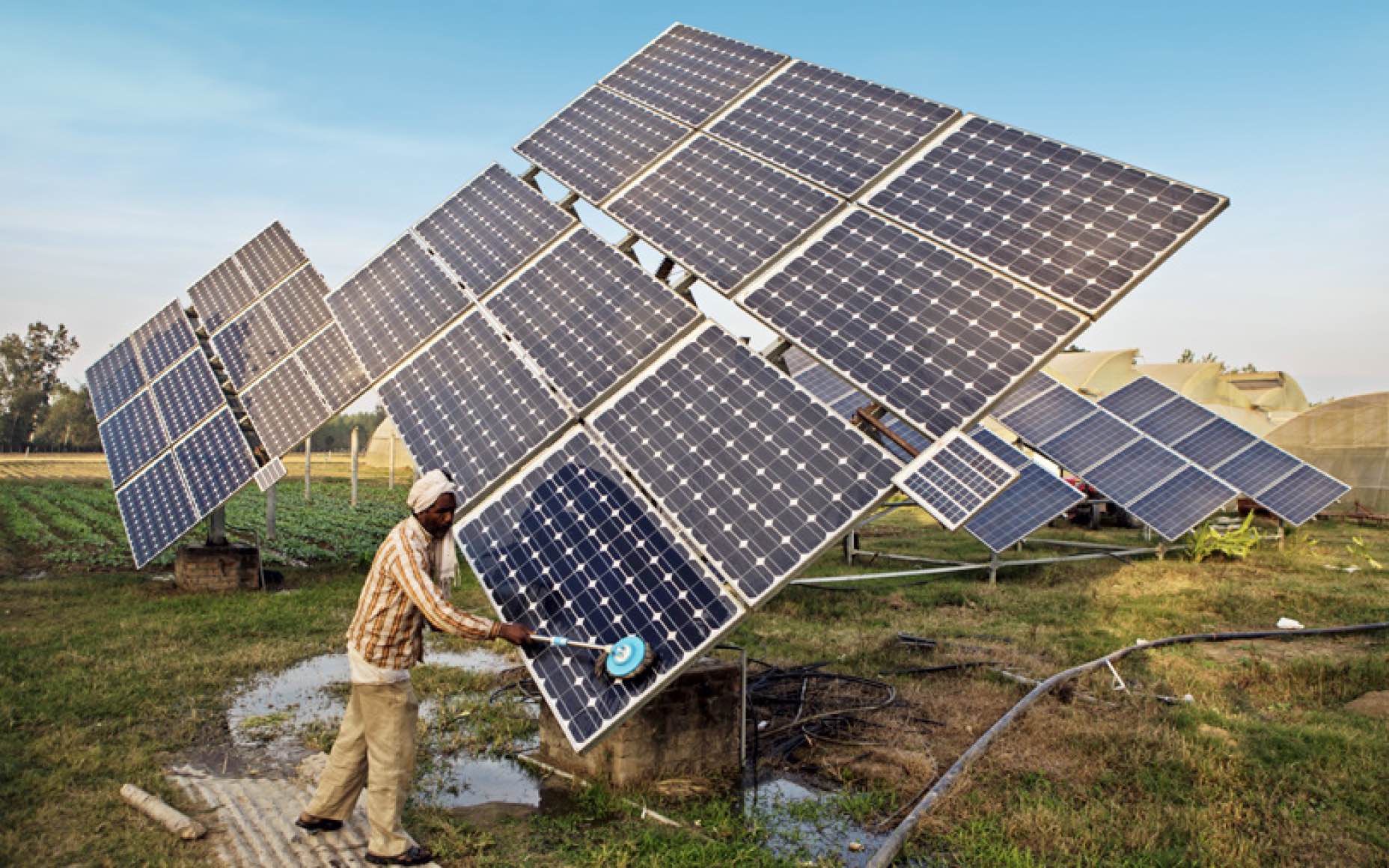
IFPRI Global Food Policy Report 2022: Accelerating food systems transformation to combat climate change
Six policy priorities that can—and should—be implemented now.
-
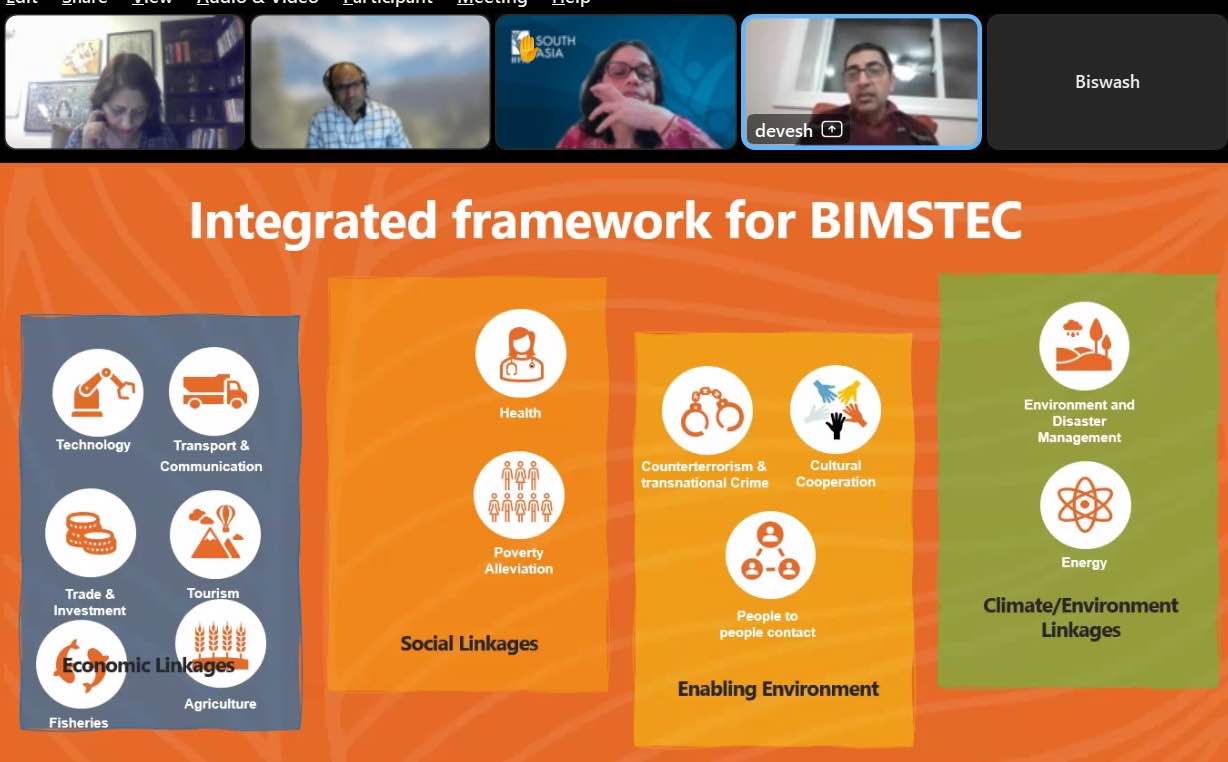
National partners meeting: Regional trade and agricultural transformation in the Bay of Bengal countries
Working to improve trade and agrifood systems.
-
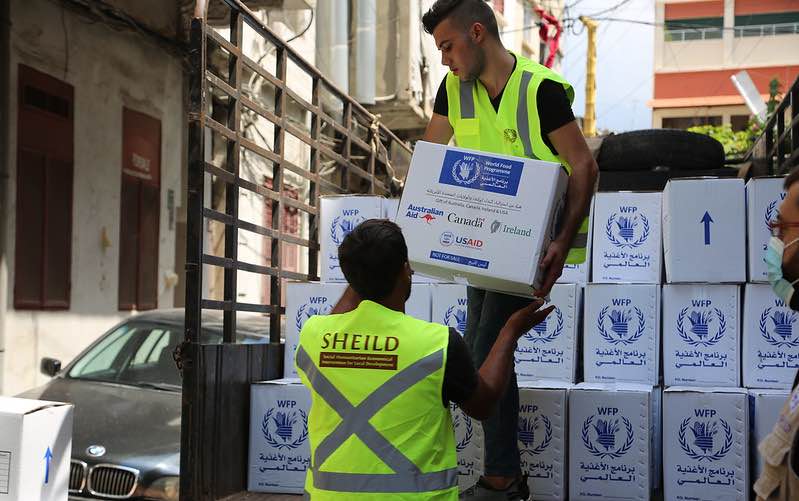
One of the world’s worst economic collapses, now compounded by the Ukraine crisis: What’s next for Lebanon?
High food prices and shortages pummel an already suffering population.
-

The impact of the Ukraine crisis on the global vegetable oil market
High prices and supply issues hit an important global food item.
-
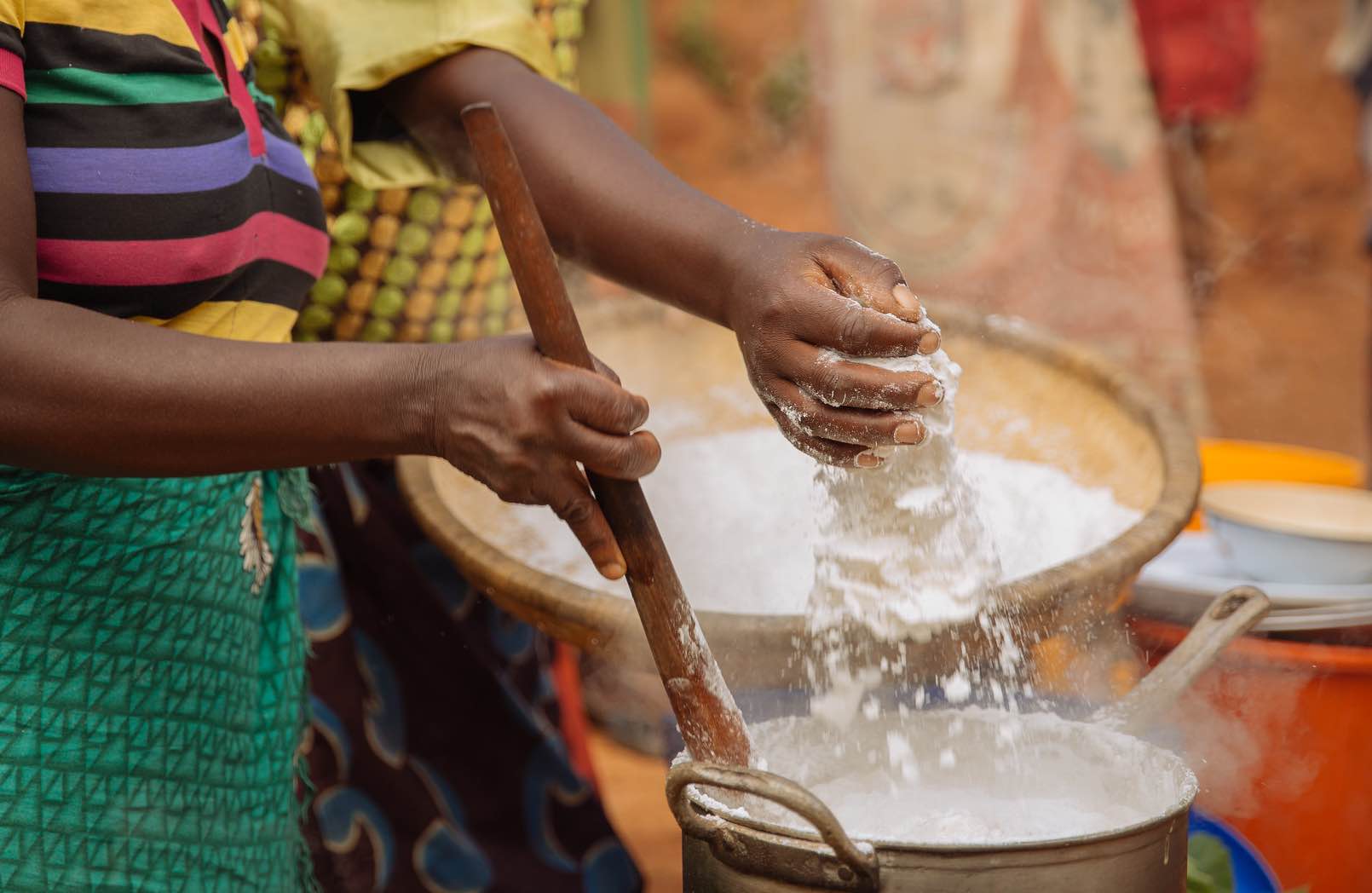
Russia’s invasion of Ukraine threatens food security in Malawi. How can the country respond?
The poor are particularly vulnerable to rising prices of food, vegetable oils, and fertilizers.
-
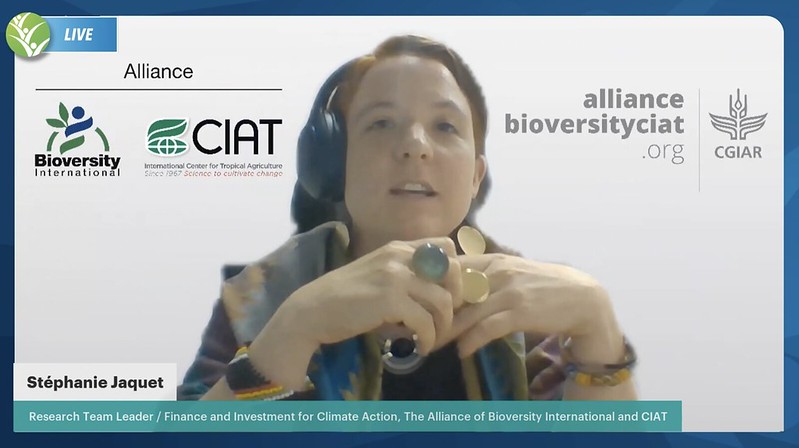
Policy seminar: German development cooperation and CGIAR joining hands for sustainable food systems transformation
The importance of research partnerships.
-
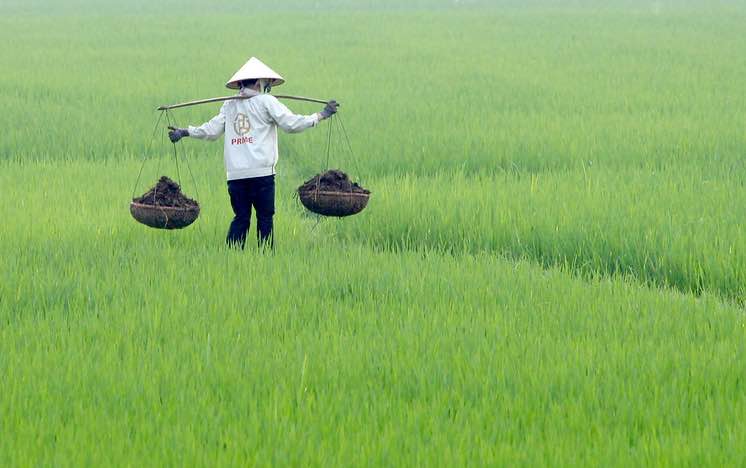
High fertilizer prices contribute to rising global food security concerns
Widening impacts of the Russia-Ukraine war.
-
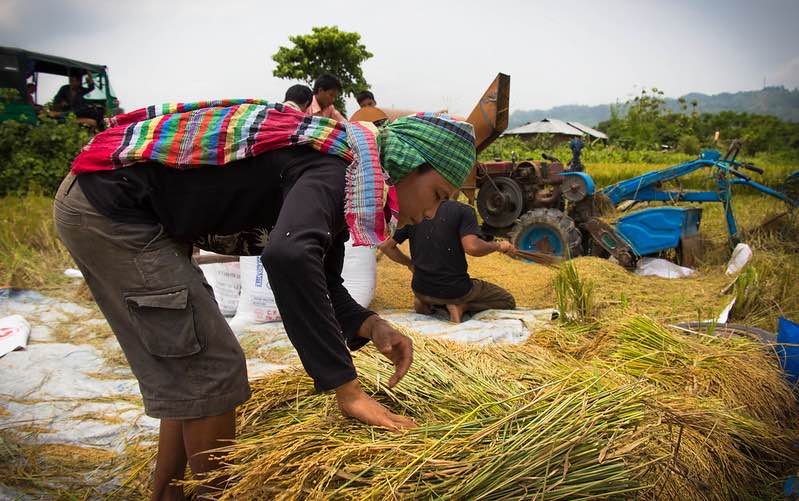
ইউক্রেন যুদ্ধ যেভাবে বাংলাদেশের খাদ্য নিরাপত্তাকে ঝুঁকির মুখে ফেলেছে
Disruptions in wheat, vegetable oil, and fertilizer markets drive up prices and threaten supplies.
-

How the war in Ukraine threatens Bangladesh’s food security
Disruptions in wheat, vegetable oil, and fertilizer markets drive up prices and threaten supplies.
-

From bad to worse: How Russia-Ukraine war-related export restrictions exacerbate global food insecurity
Measures to protect domestic markets have broader impacts.
-
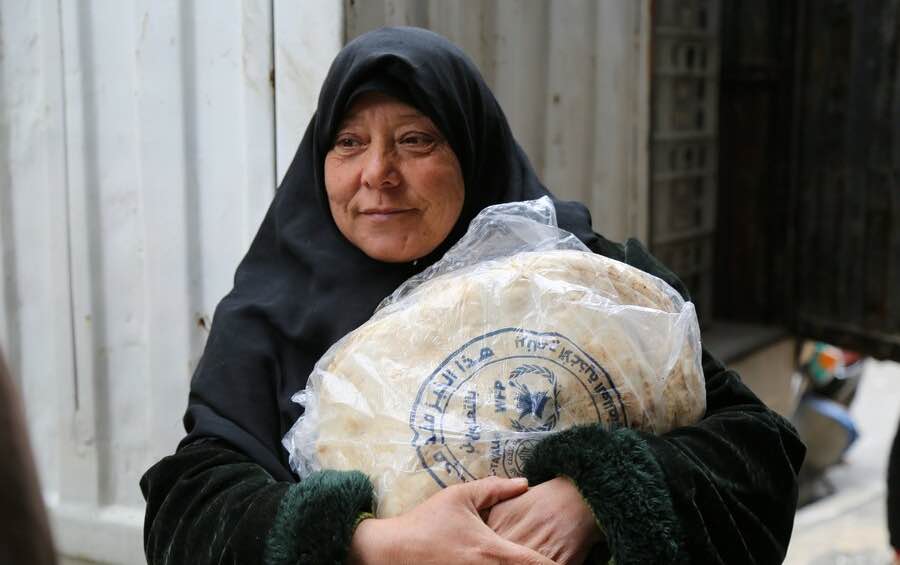
Do No Harm: Measured policy responses are key to addressing food security impacts of the Ukraine crisis
Do’s and don’ts to avoid collateral damage.
-
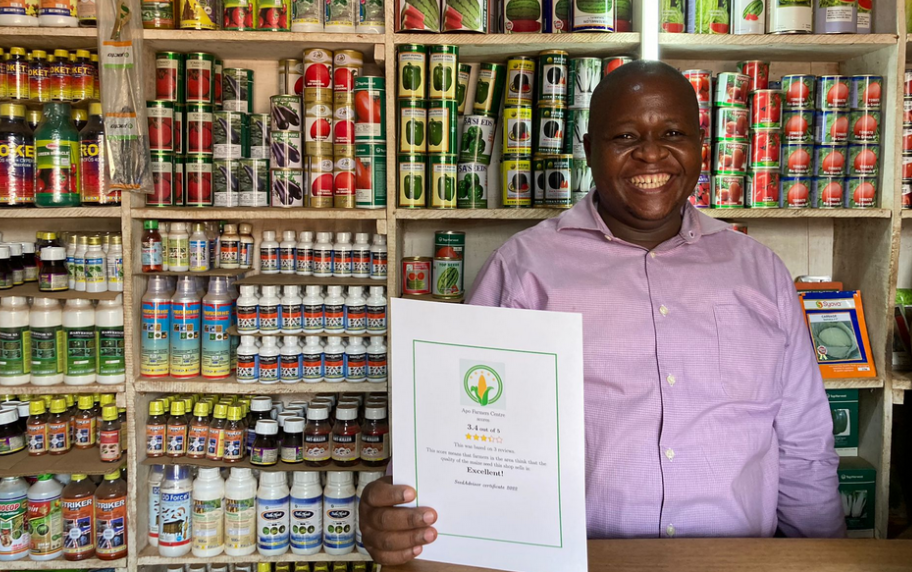
What changed when Ugandan farmers rated input quality and local vendor services
The power of consumer opinion.
-
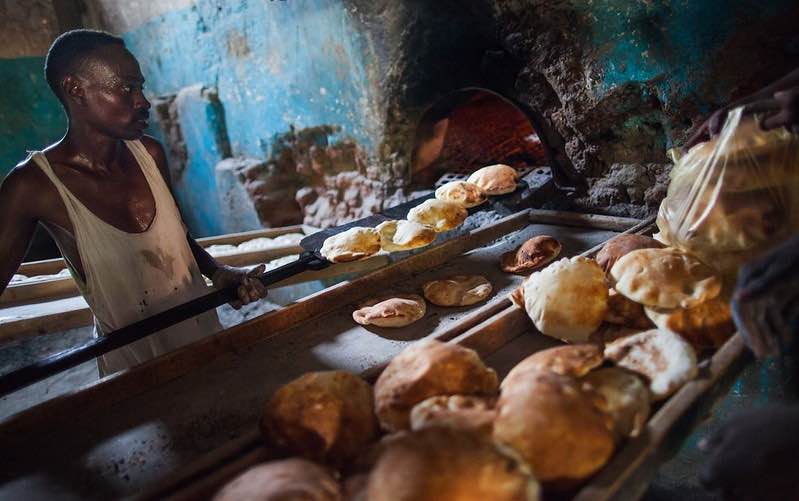
قد يؤدي الصراع القائم بين روسيا وأوكرانيا إلى تفاقم مشاكل الأمن الغذائي التي يعاني منها السودان حاليًا
Chronic economic disruptions meet the market impacts of a distant war.
-

The Russia-Ukraine conflict is likely to compound Sudan’s existing food security problems
Chronic economic disruptions meet the market impacts of a distant war.
-
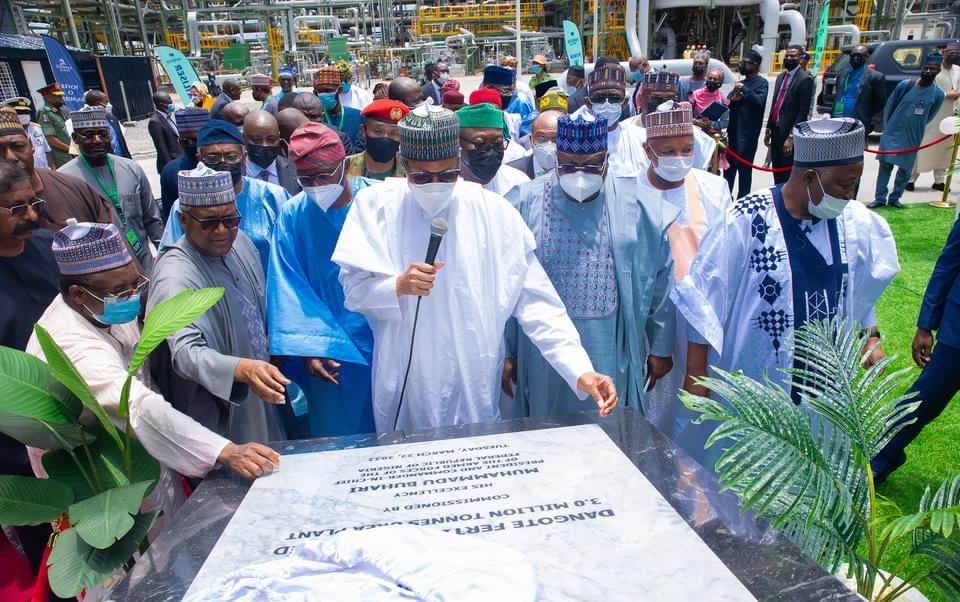
L’Afrique de l’Ouest est confrontée à des impacts compliqués du conflit Russie-Ukraine sur la sécurité alimentaire
Rising global market prices pose the most serious threat.
-

West Africa faces mixed food security impacts from the Russia-Ukraine conflict
Rising global market prices pose the most serious threat.
-
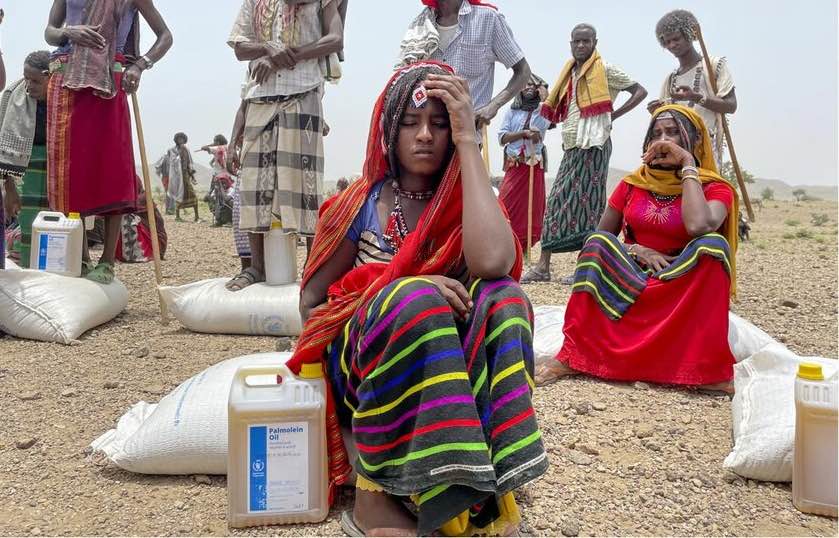
The Russia-Ukraine war is exacerbating international food price volatility
On top of rising costs for consumers, an additional threat to food security.
-
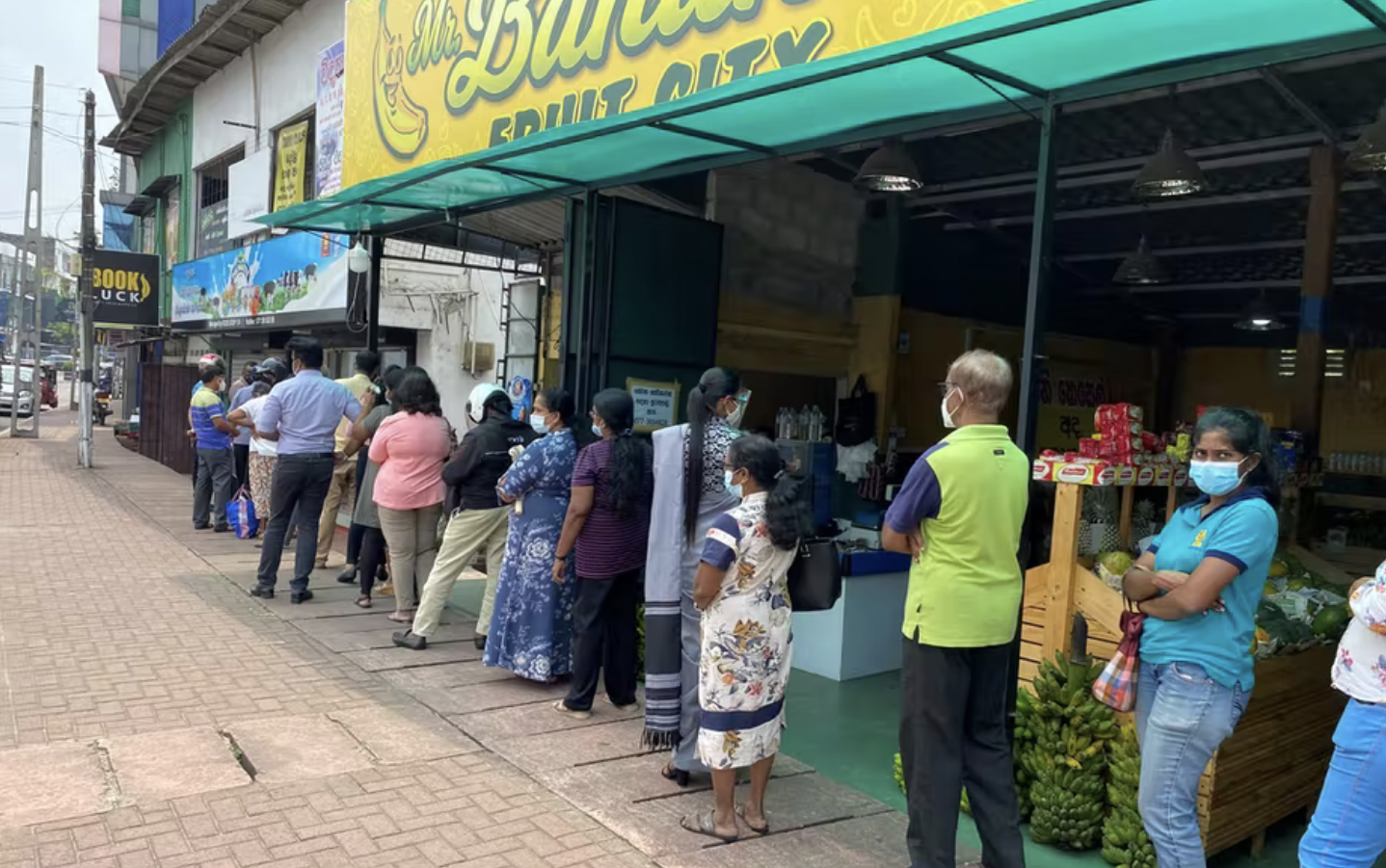
A food crisis was brewing even before the Ukraine war – but taking these three steps could help the most vulnerable
The poor in developing countries face severe impacts.
-
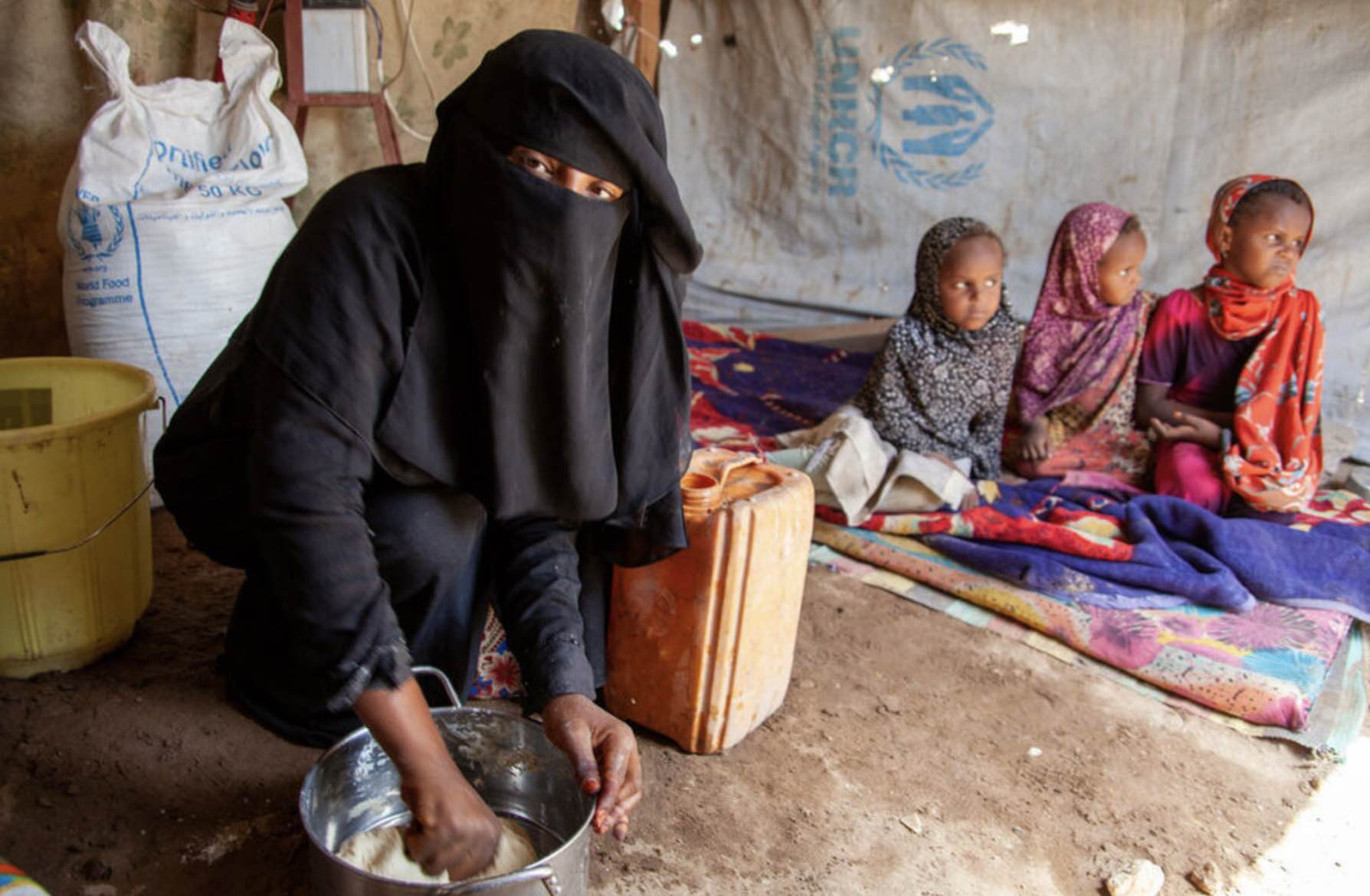
الغزو الروسي لأوكرانيا يهدد بتفاقم حالة انعدام الأمن الغذائي الطارئة في اليمن
When the impacts of one war compound those of another.
-

The Russian invasion of Ukraine threatens to further exacerbate the food insecurity emergency in Yemen
When the impacts of one war compound those of another.
-
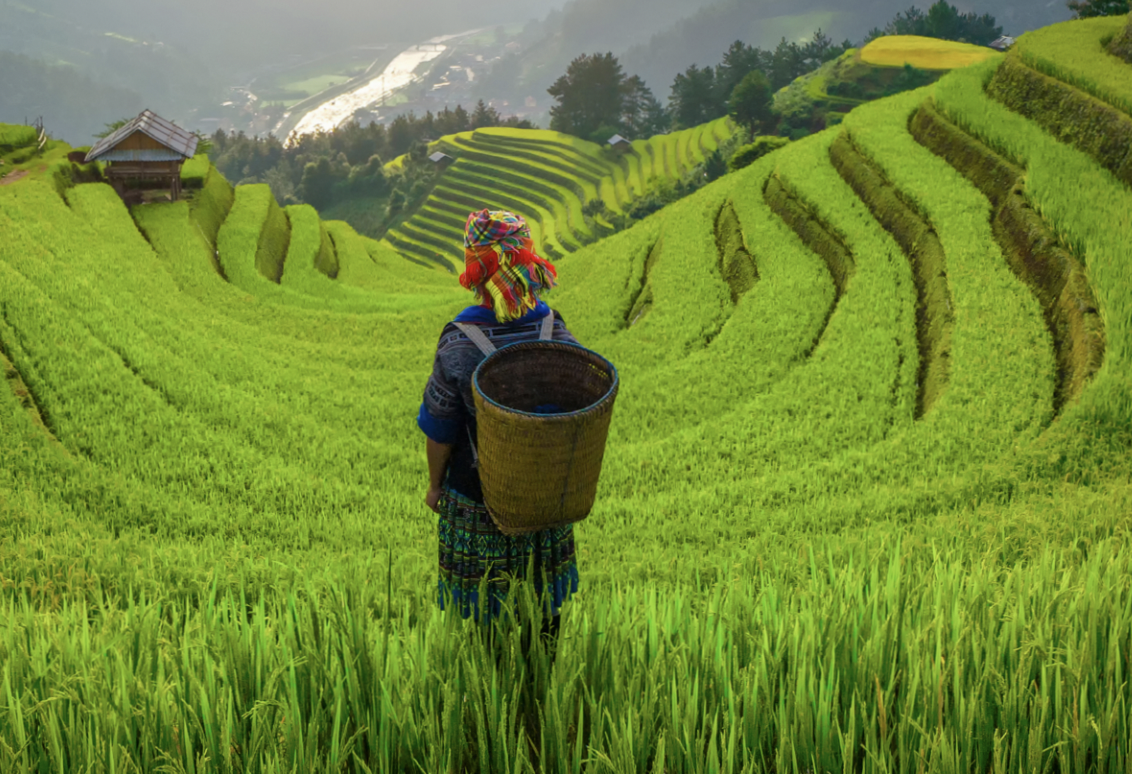
Agricultural support: How to get incentives right for people, economies, and the planet
Findings from a new IFPRI-World Bank report.
-

Dans quelle mesure la pauvreté mondiale augmentera-t-elle en raison de COVID-19?
Translation option: Dans un article publié récemment sur ce blog, nous avons analysé comment la propagation de la maladie associée au nouveau coronavirus (COVID-19) peut détériorer l’économie mondiale, entraînant des effets sur la sécurité alimentaire et aux efforts de réduction de la pauvreté. Nous avons souligné que les répercussions économiques de la pandémie actuelle seront […]
-
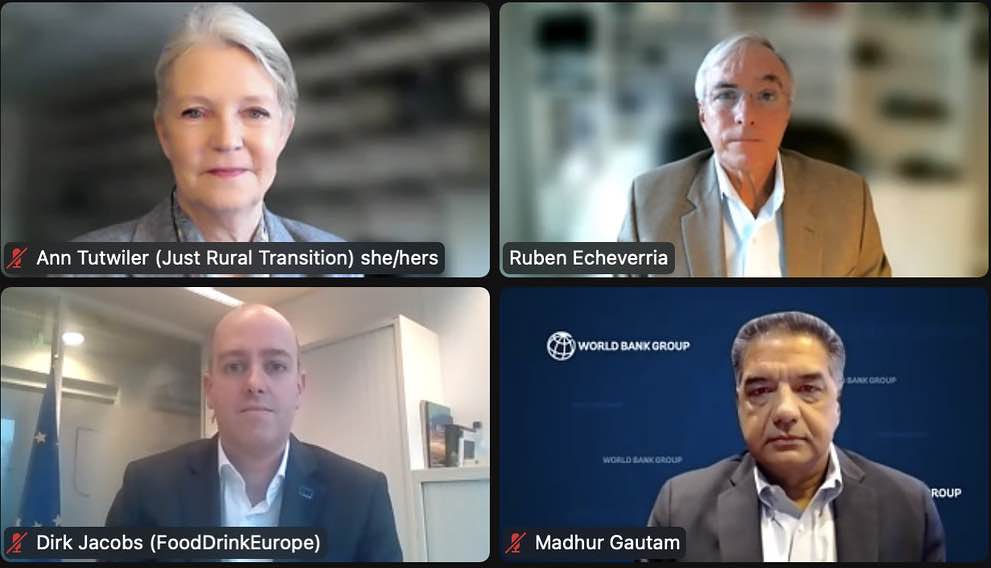
Policy seminar: Repurposing agricultural subsidies can deliver better value for people, the planet, and the global economy
Modeling shows the promise of ag-tech innovation, opening trade, and other changes.
-
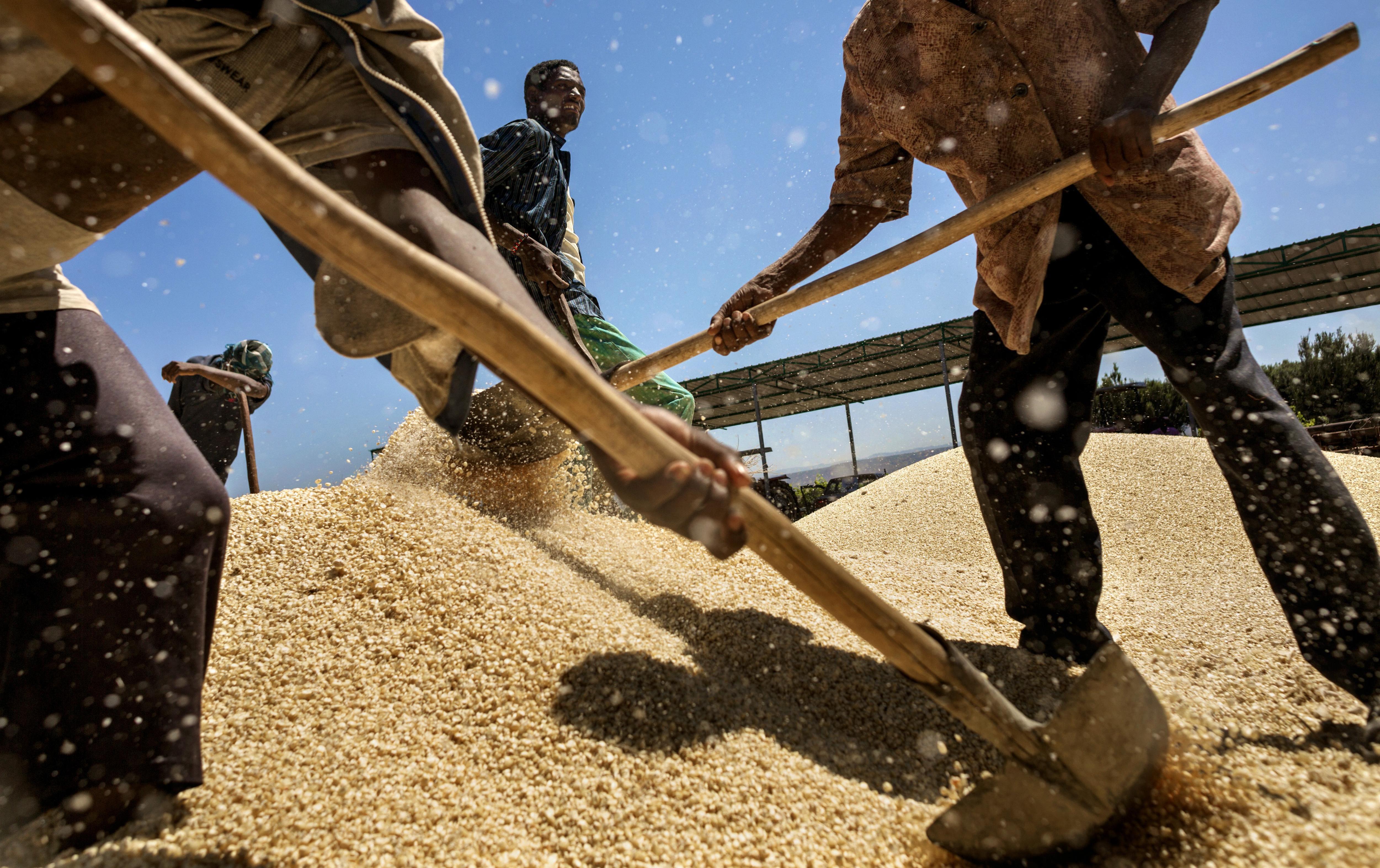
Estimating smallholder maize yields in Ethiopia with satellites and machine learning
A promising method to gauge agricultural output.
-
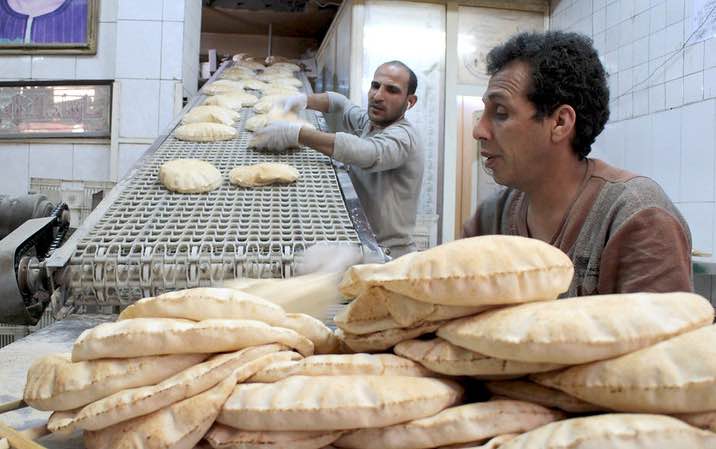
The Russia-Ukraine crisis poses a serious food security threat for Egypt
A country heavily dependent on wheat faces supply disruptions and spiking prices.
-
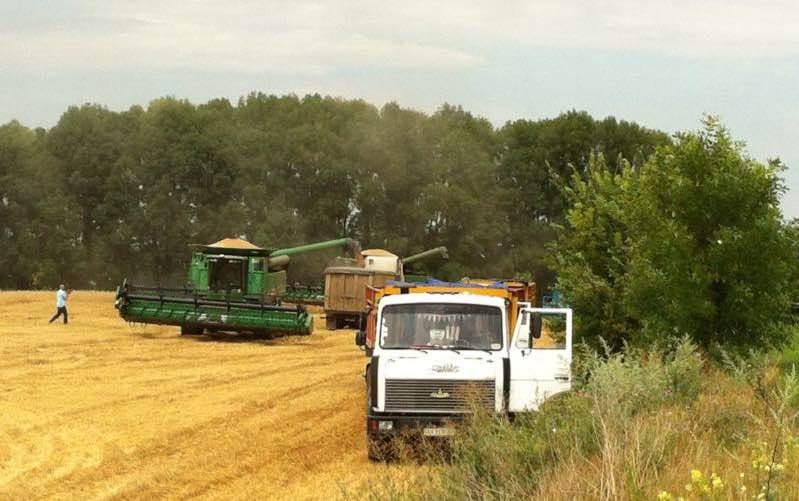
Overcoming the threats to global food systems from Russia’s invasion of Ukraine
Steps for limiting damage and building resilience for future shocks.
-
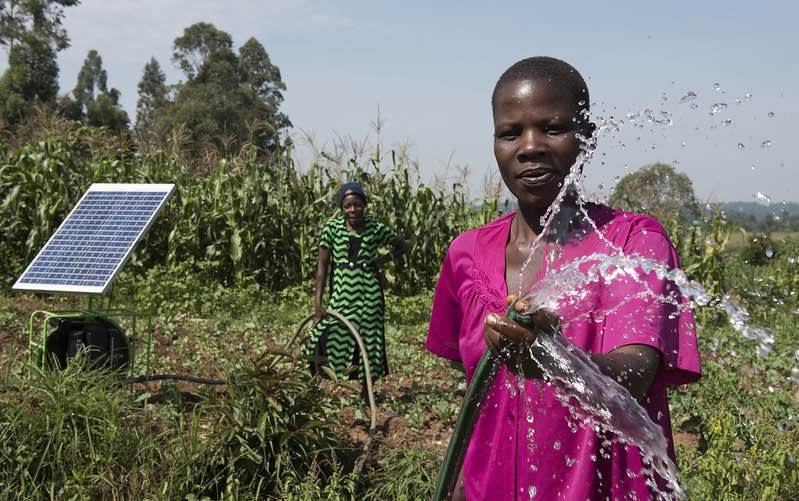
ICTC Horizon Conference: The role of technology in building sustainability and food security
The importance of bringing innovations to low-income countries.
-
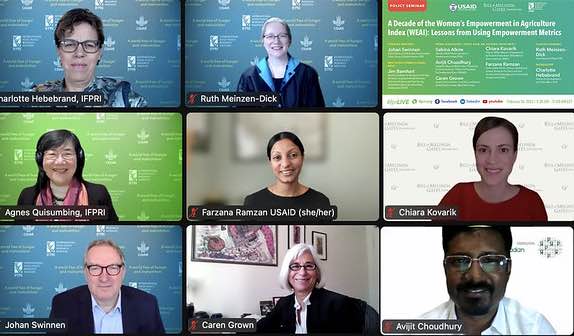
Lessons from a decade of the Women’s Empowerment in Agriculture Index (WEAI)
An essential tool in assessing gender disparities driven by COVID-19, climate change, and other factors.
-

How will Russia’s invasion of Ukraine affect global food security?
Potential supply disruptions and price spikes.
-
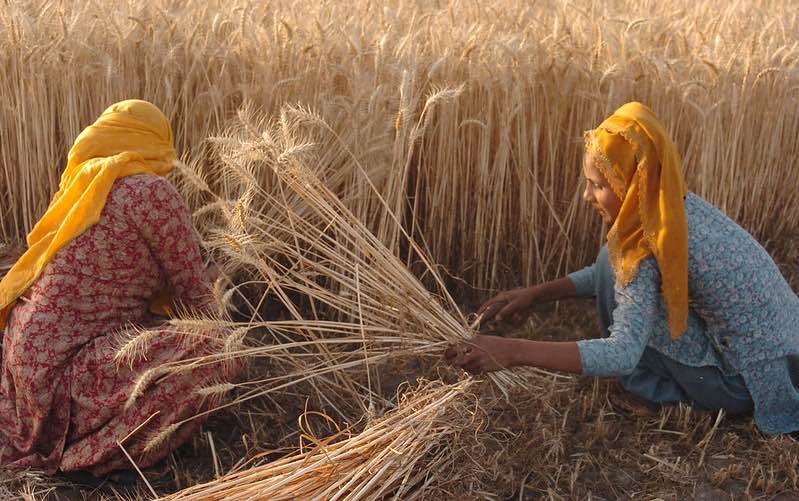
Varying impacts of COVID-19 lockdowns on farmer incomes: Evidence from India
Wheat and tomato crops see very different outcomes.
-
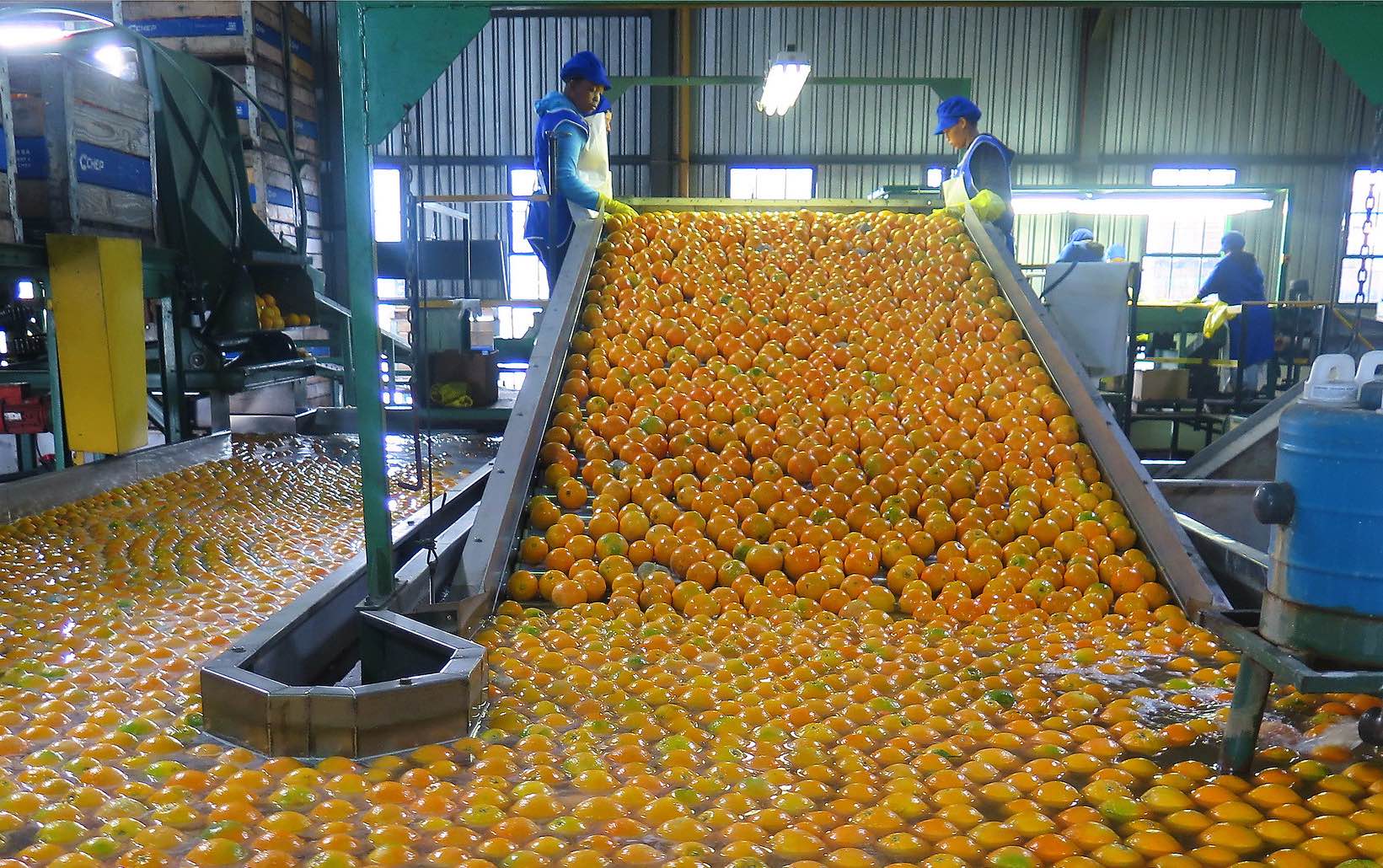
Two years on, resilience innovations help food supply chains overcome COVID-19 disruptions
Important lessons for policymakers.
-

COVID-19 and rising global food prices: What’s really happening?
Inflation poses particular risks for the poor and vulnerable.
-
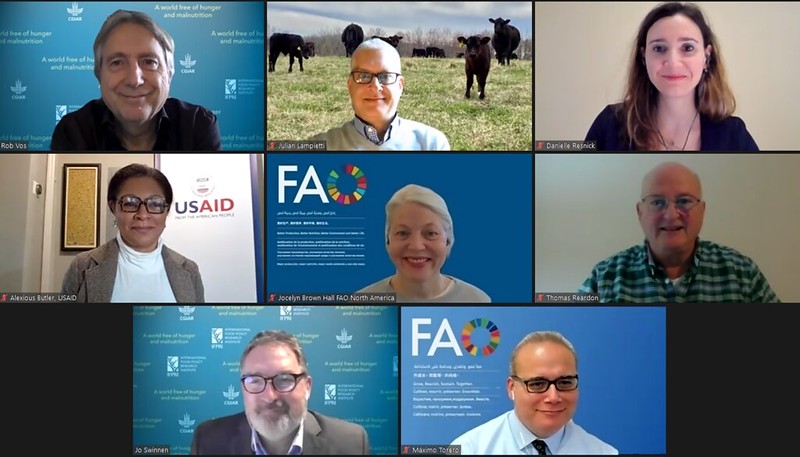
FAO State of Food and Agriculture Report 2021: Diversification is key to building resilient agrifood systems
Building capacity to weather climate, pandemic, and economic shocks.
-
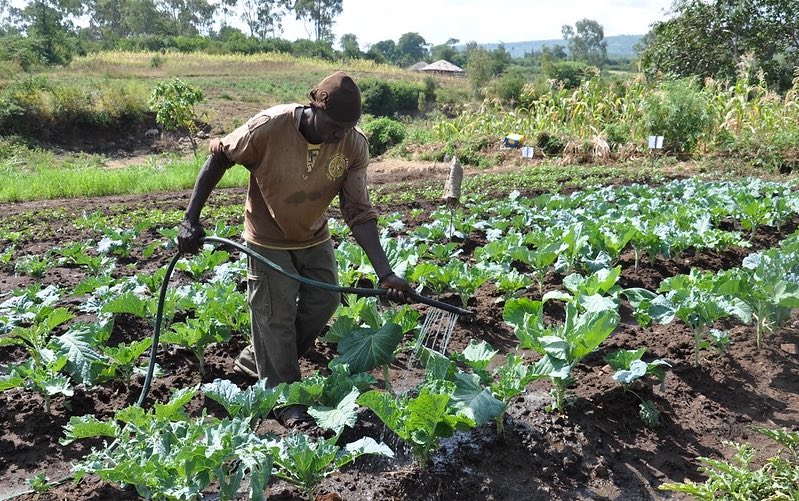
Feed the microbes
Why soil is key to addressing climate change.
-
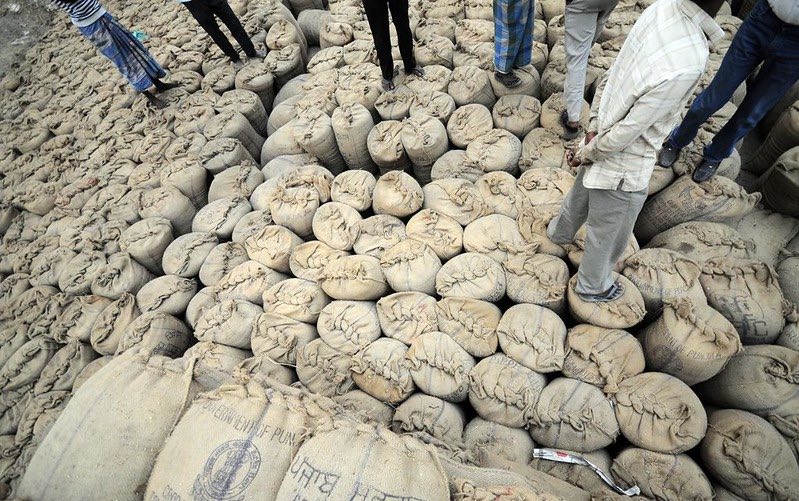
The links between food-related trade and fiscal policies and obesity rates in low- and middle-income countries
Nutrition impacts of tariffs and subsidies.
-
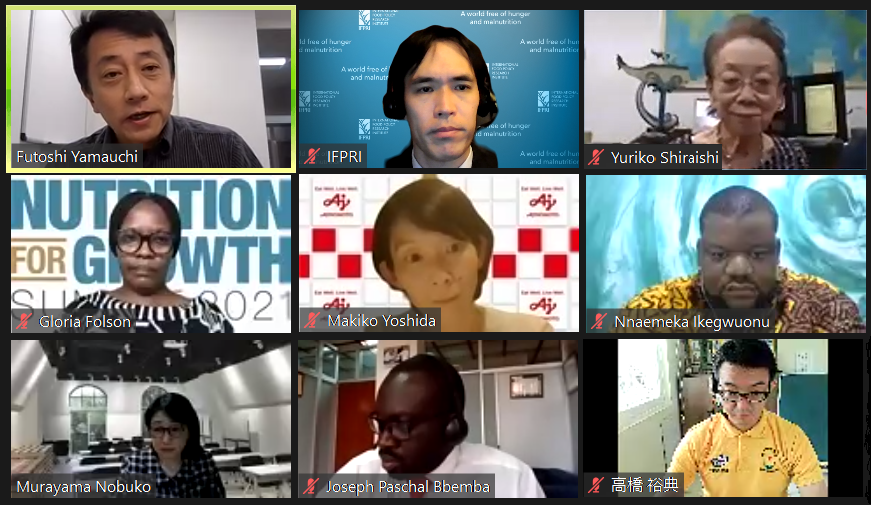
Tokyo Nutrition for Growth Summit: Leveraging Japanese knowledge to address global health and nutrition challenges
Innovative approaches to solving the problems of food insecurity.
-
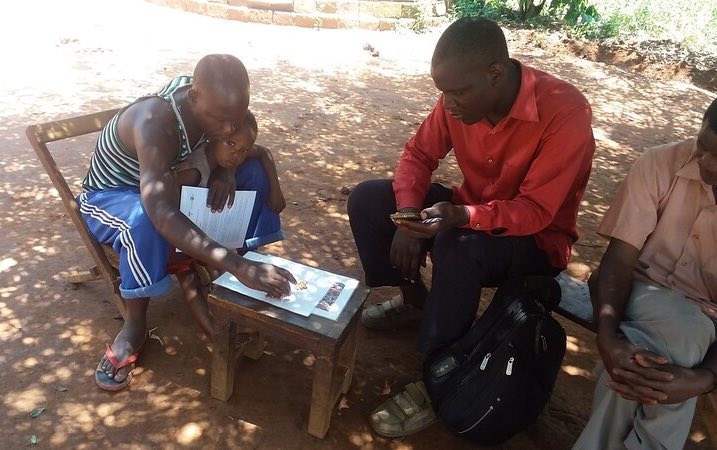
What can we really learn from sex-disaggregated data?
Parsing sometimes contradictory responses in household surveys.
-
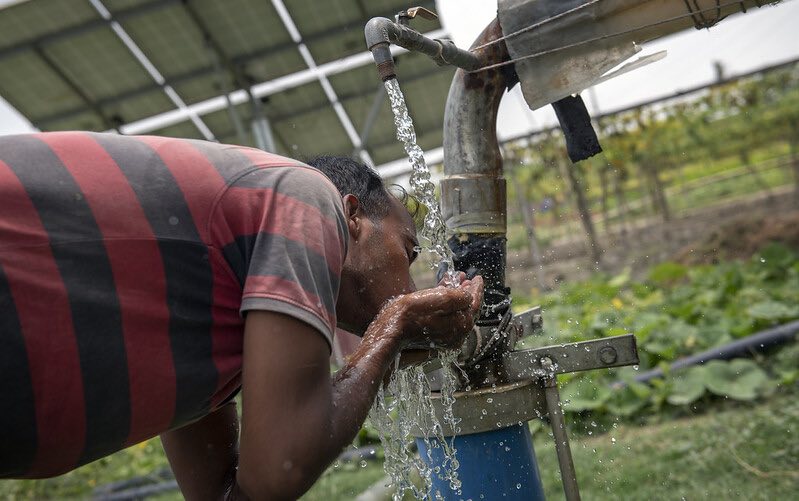
Accelerating rural energy access in the race to net zero carbon emissions
Bringing key innovations to smallholders.
-
Climate Smart Agriculture in South Asia: Promoting sustainable and resilient agriculture intensification through regional cooperation
Fostering a paradigm shift for smallholders.
-

A tribute to the late Dr. Ferew Lemma
Remembering a nutrition champion.
-
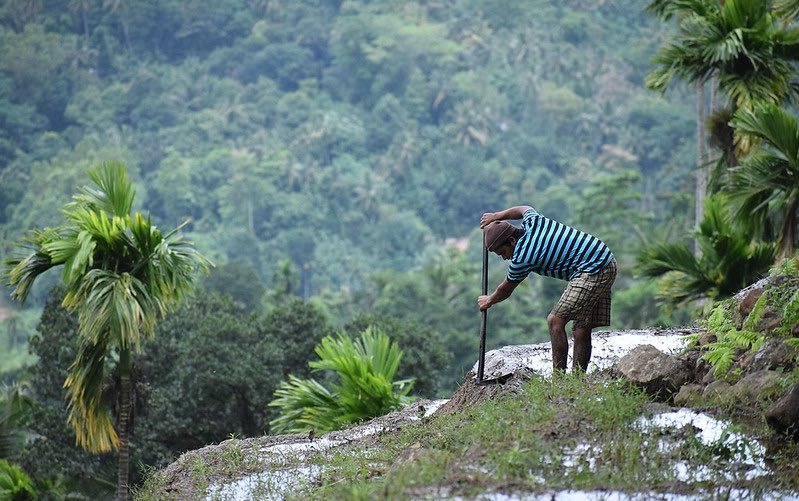
Dietary diversity among men and women in rural Sri Lanka
Insights into the food pyramid.
-
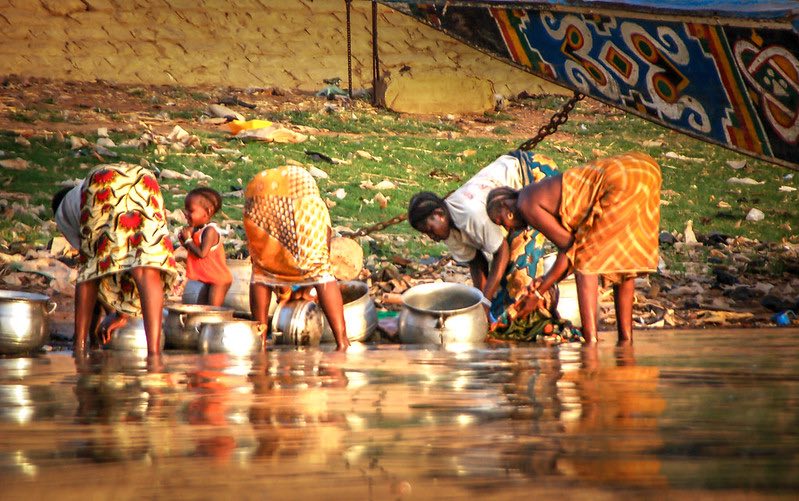
A brighter future: The relationships between cash transfers, mental health, and investments
Escaping psychological poverty traps.
-
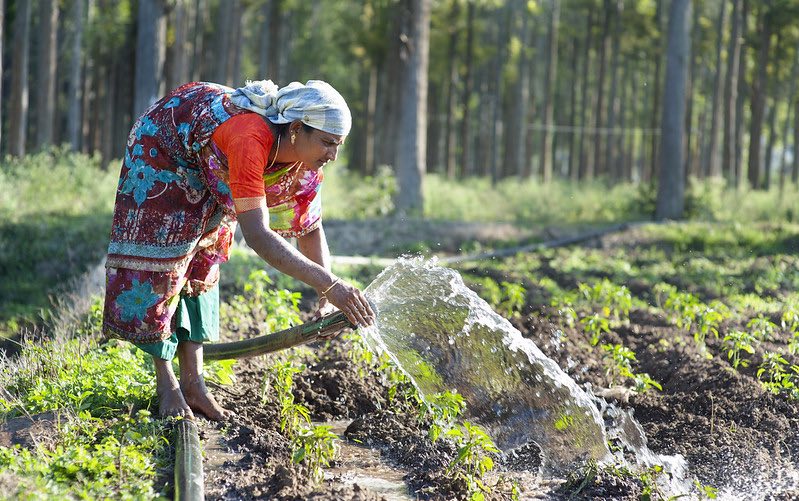
A behavioral perspective on improving water governance in India
Insights into achieving sustainable irrigation.
-
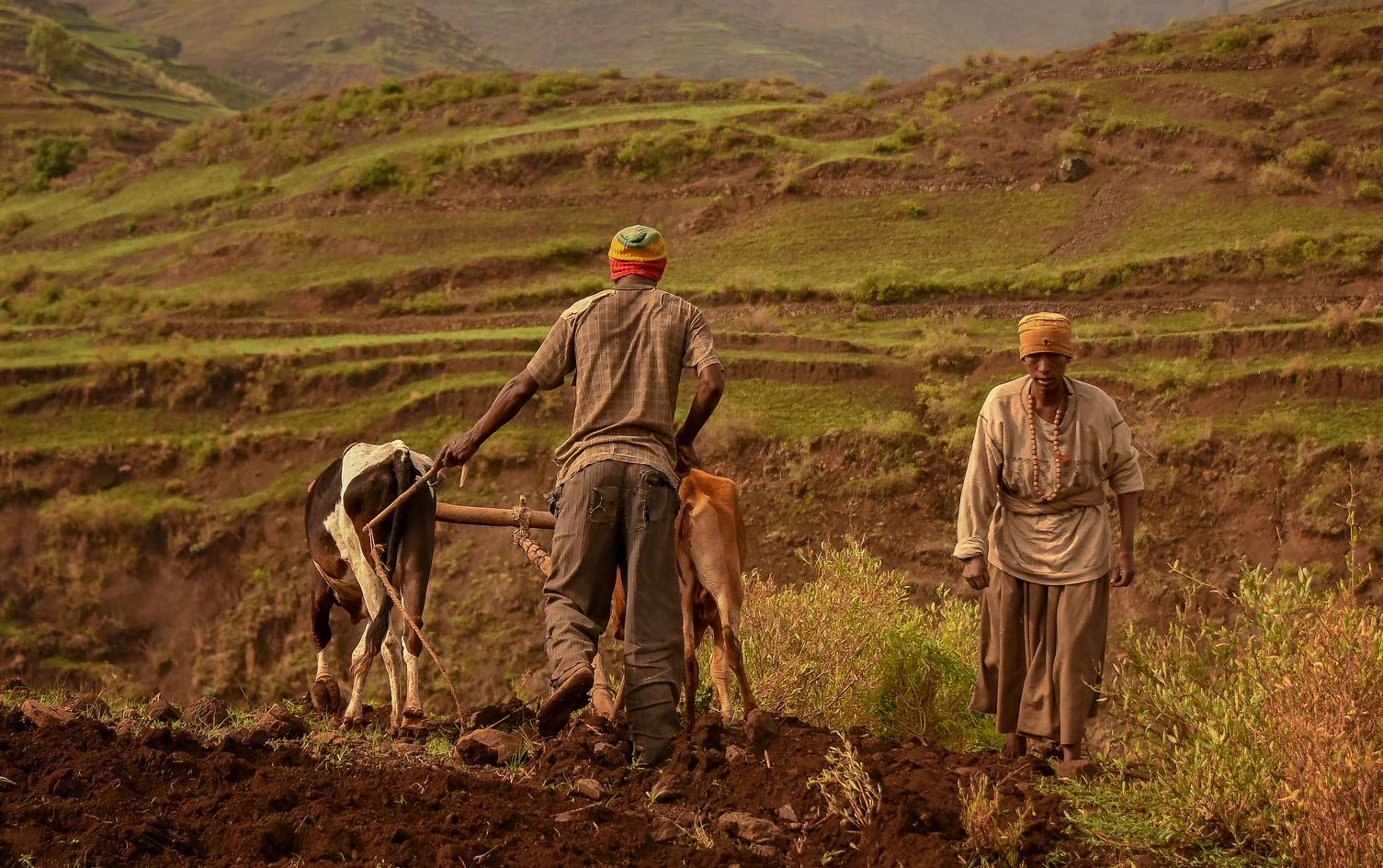
Book: Improving African agricultural value chains to boost production and revenue
Pathways for smallholders to fulfill their potential.
-
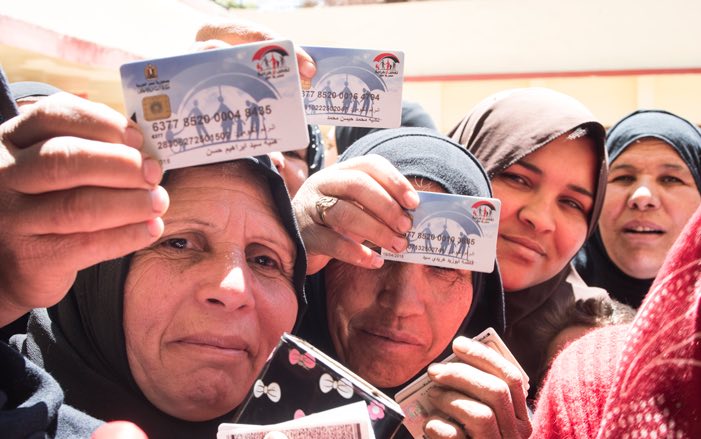
Cash transfers and women’s decision-making in Egypt: Still a man’s world
The role of gender norms in household dynamics.
-
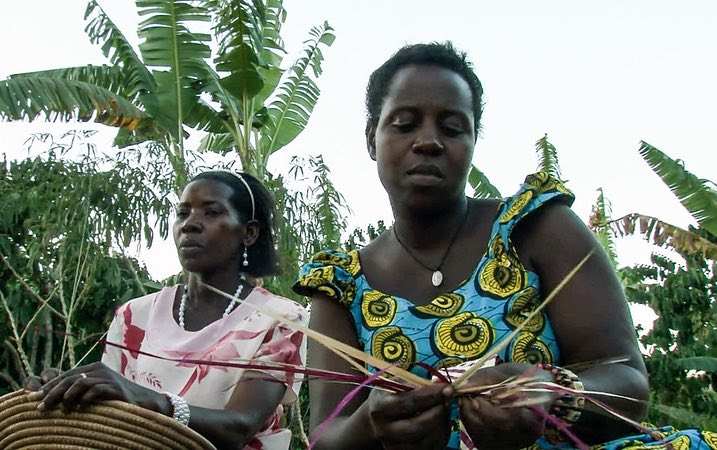
Interventions for women’s empowerment and repercussions for family welfare: Evidence from Uganda
Gender programs have nuanced impacts.
-
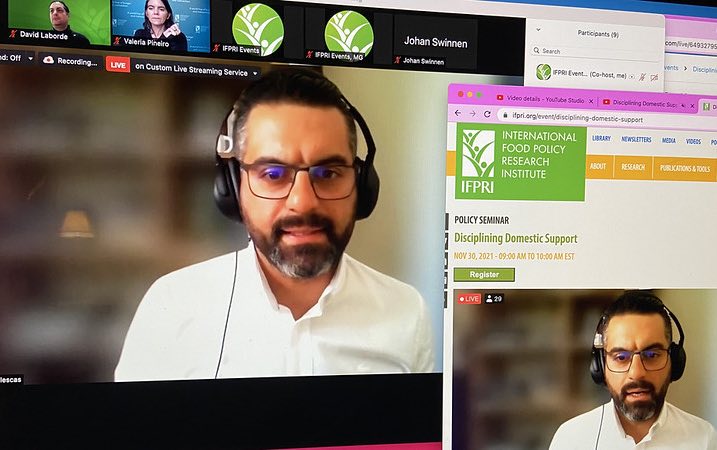
Policy seminar: Prospects for reforming agricultural support as WTO MC12 approaches
Addressing the recent rise in trade-distorting policies.
-
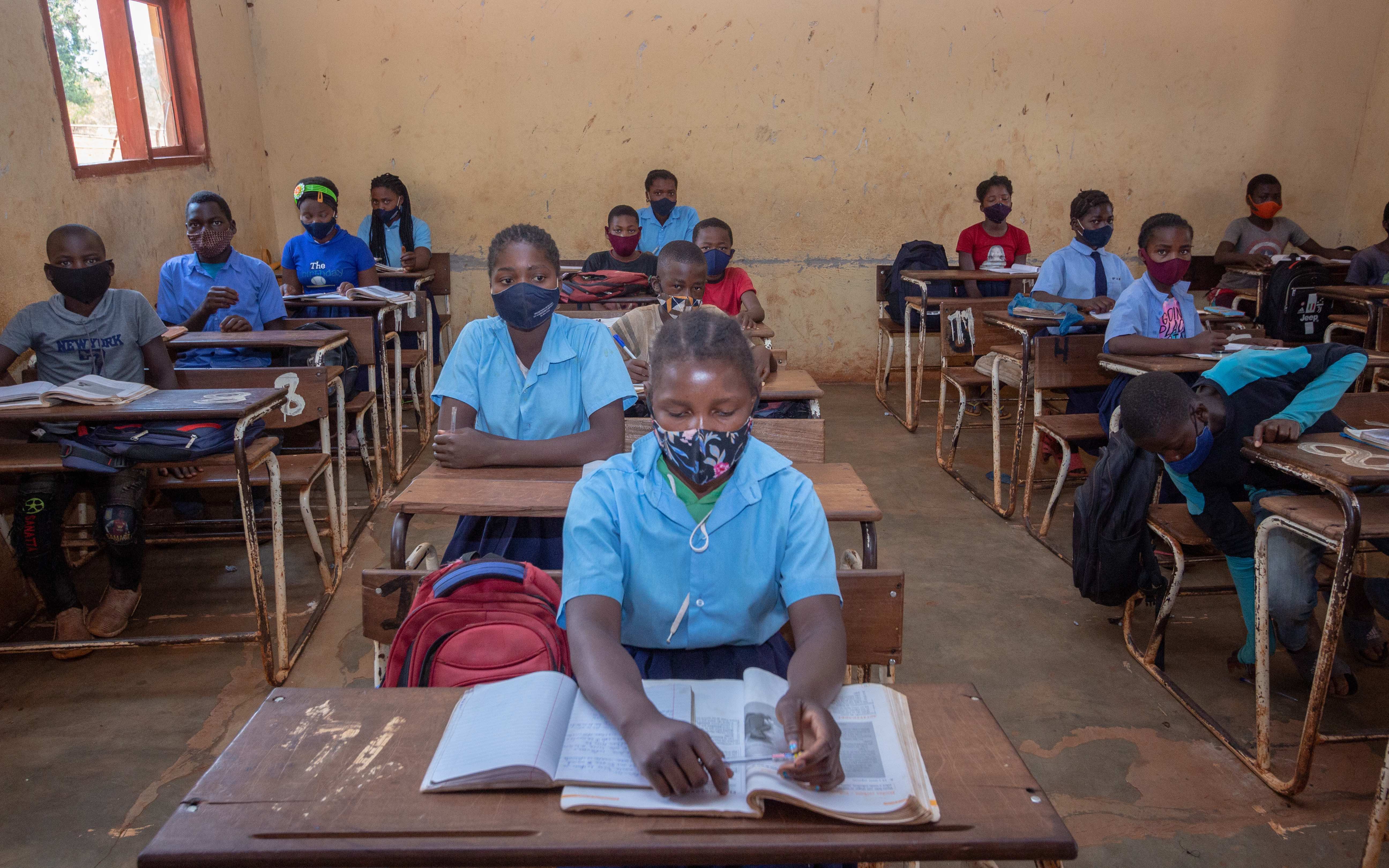
COVID-19 school closures and adolescent mental health: Evidence from Mozambique
How 7th graders contend with pandemic stresses.
-

Clarifying some of the confusion about climate finance in COP26
The debate over net-zero financing.
-
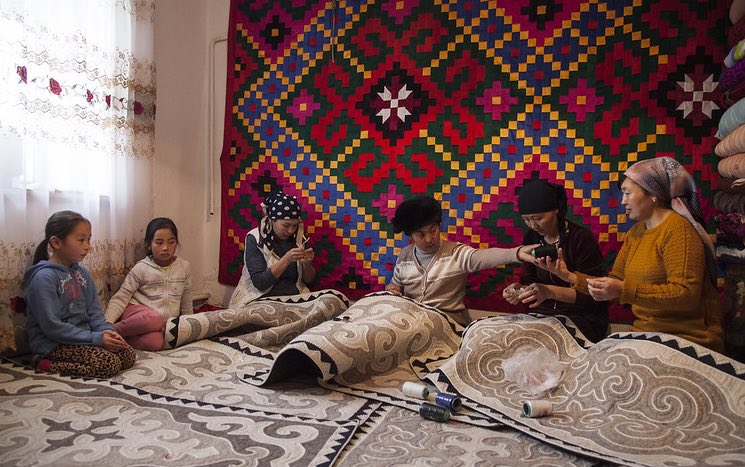
Aspirations and women’s empowerment: Evidence from Kyrgyzstan
Women with greater ambition tend to have more power within households.
-
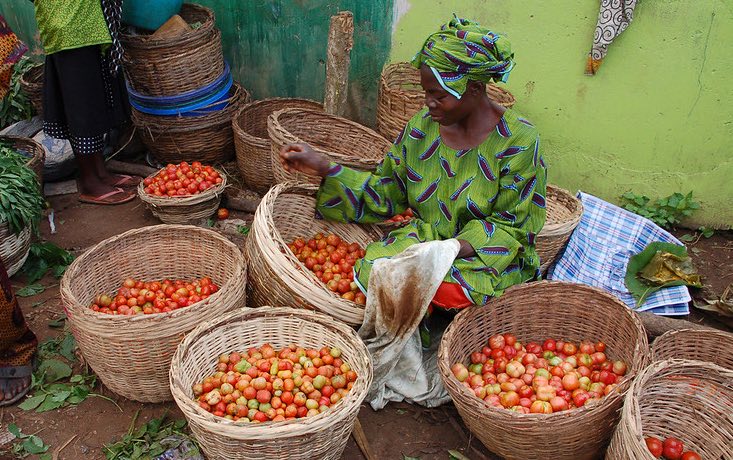
Transforming Nigeria’s agrifood system for healthier diets and higher farm incomes
A policy shift focusing on nutritious foods and consumers.
-
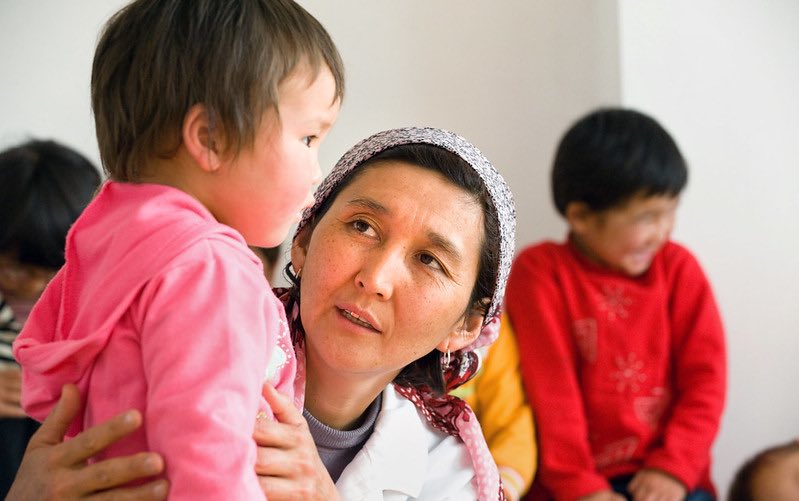
Disparate health and nutrition impacts of income shocks across different household members: Evidence from Kyrgyzstan
As COVID-19 pandemic disruptions continue, policies should address shifting effects.
-

The role of agriculture and food systems in achieving net zero global GHG emissions
Agriculture, forestry, and other land use (AFOLU) is currently the only major sector with serious potential to become a net emissions sink.
-
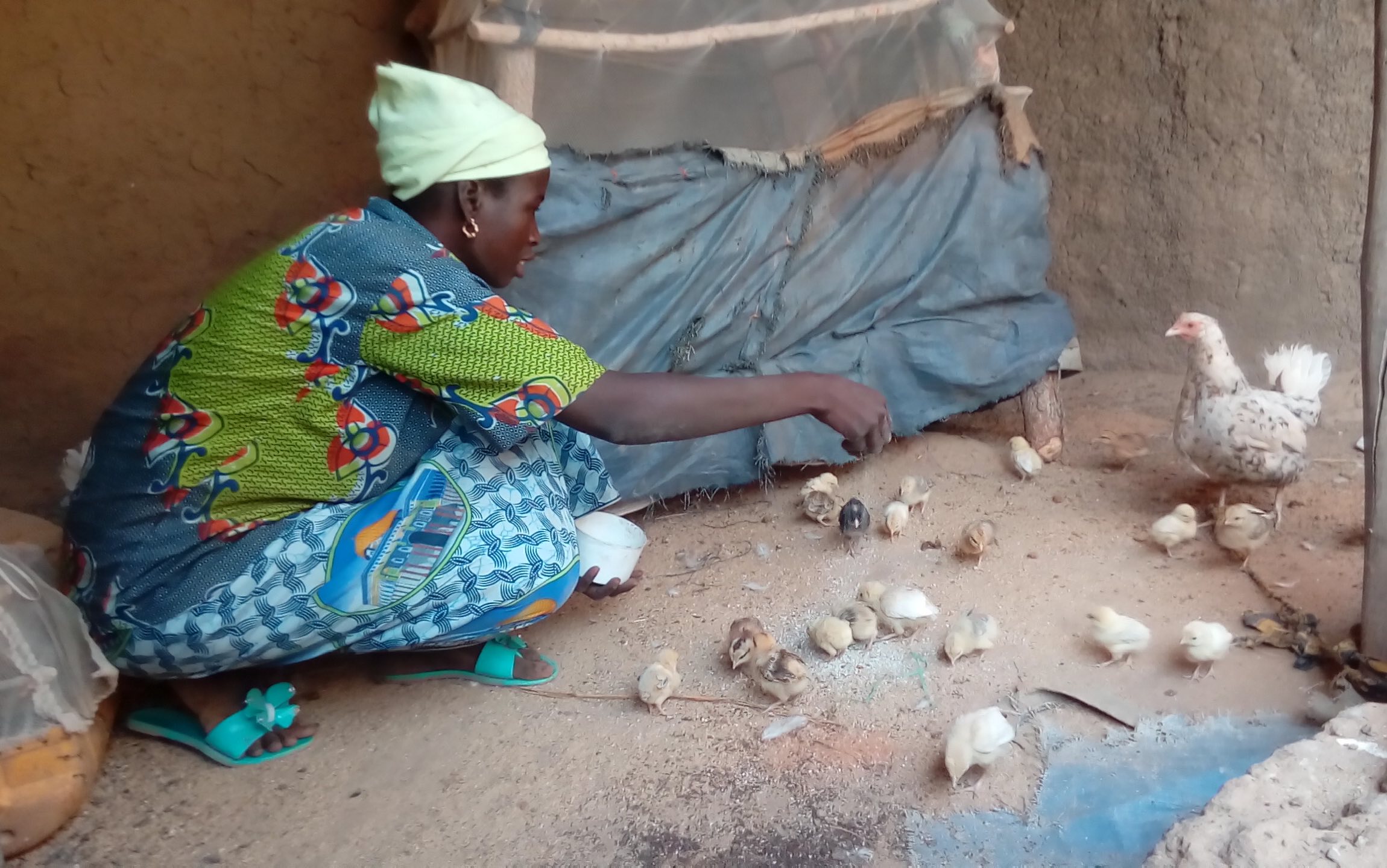
Unpacking the effects of a complex intervention on women’s poultry production: Evidence from Burkina Faso
Results from a randomized controlled trial.
-

Food in the time of pandemic: realism without magic
Implementando políticas para superar la pandemia en lo inmediato, y mirando al futuro.
-
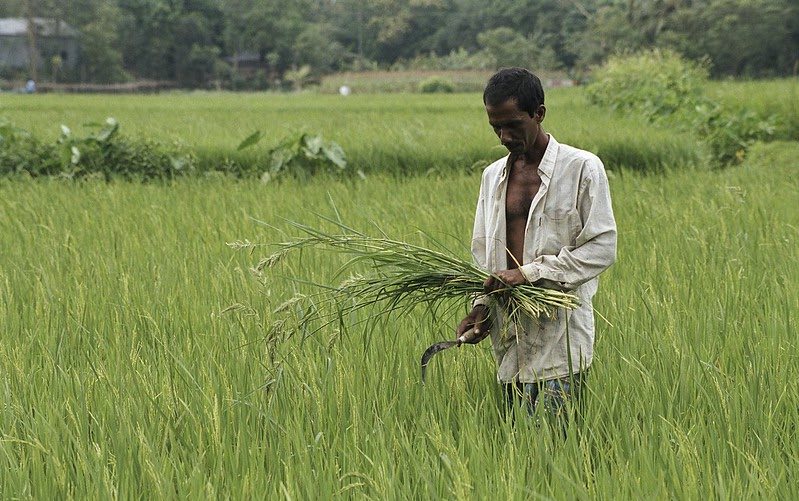
Optimizing seasonal-spatial crop production to improve its economic-environmental performance in Bangladesh
The advantages of science-based land use planning.
-

Book launch: The road towards WTO MC12 for Latin America and the Caribbean
Amid global economic uncertainty, better trade rules can faciliate food system transformation.
-
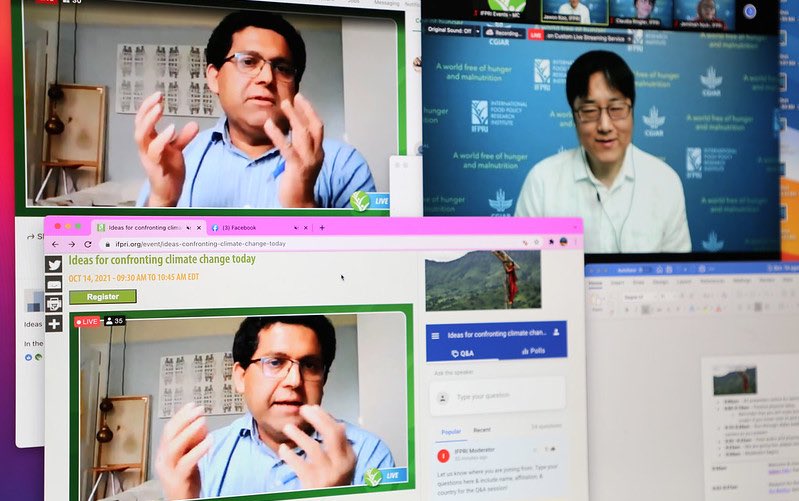
COP26 policy seminar: Combating climate change impacts on food systems
Innovations to build reslience.
-
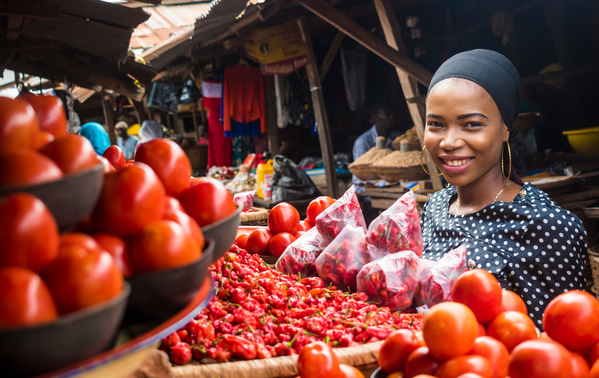
Global Food 50/50 Report: Assessing gender, diversity, and power in food system organizations
A new and necessary accountability measure for gender equality.
-
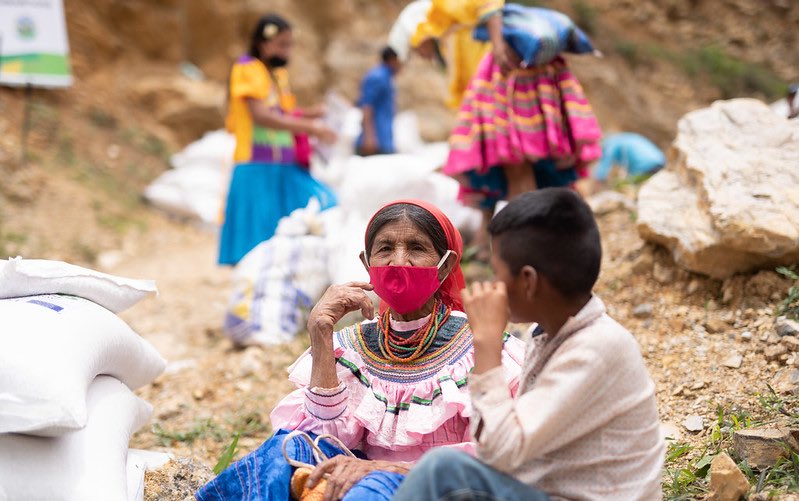
Using the new IMF Special Drawing Rights for larger purposes: Guaranteeing ‘pandemic recovery bonds’
Promising ways to overcome the lingering impacts of COVID-19.
-
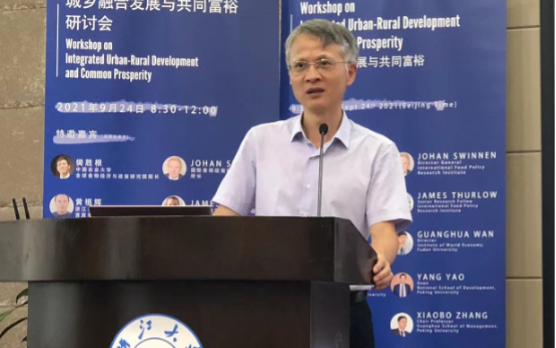
Economic workshop: Fostering China’s integrated urban-rural development
The common prosperity policy offers opportunities to reduce poverty and boost human capital.
-
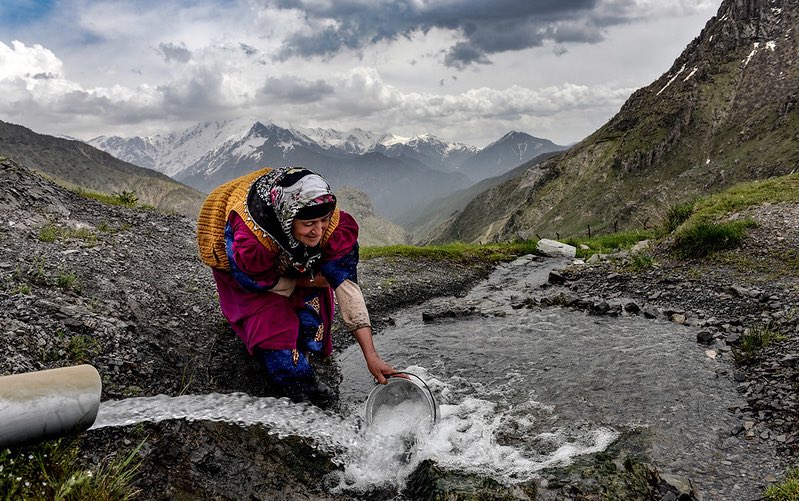
International Day of Rural Women 2021: Overcoming pandemic and climate challenges
Address problems now to build empowerment and resilience for the future.
-

Policy seminar: AATM report outlines opportunities and challenges for intra-African agricultural trade
Prospects for a new continental free trade agreement, as charted by the 2021 Africa Agriculture Trade Monitor.
-
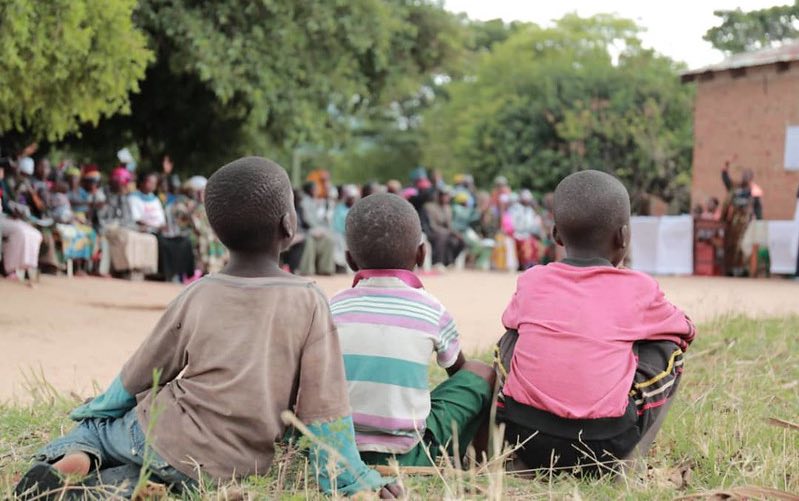
Heat shocks linked to lower maize yields and reduced child height: Evidence from Tanzania
The first time such a connection has been established between climate change, agricultural productivity, and health.
-

G20 agriculture ministers agree on efforts to promote sustainable and resilient food systems to achieve global food security and nutrition
Mapping a path to progress amid pandemic and climate impacts.
-
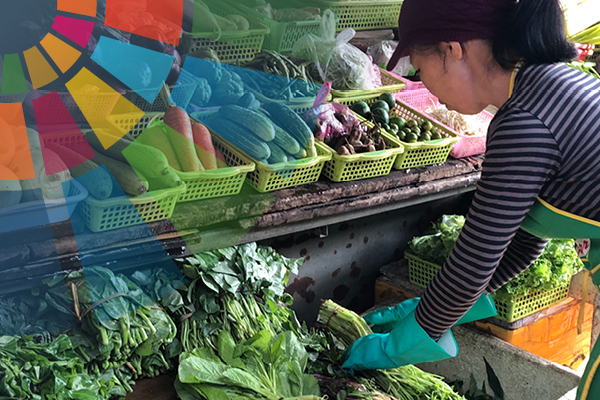
Getting to ‘Five Servings Per Day’
A strategy of "push" and "pull" actions and policy solutions to encourage better nutrition.
-
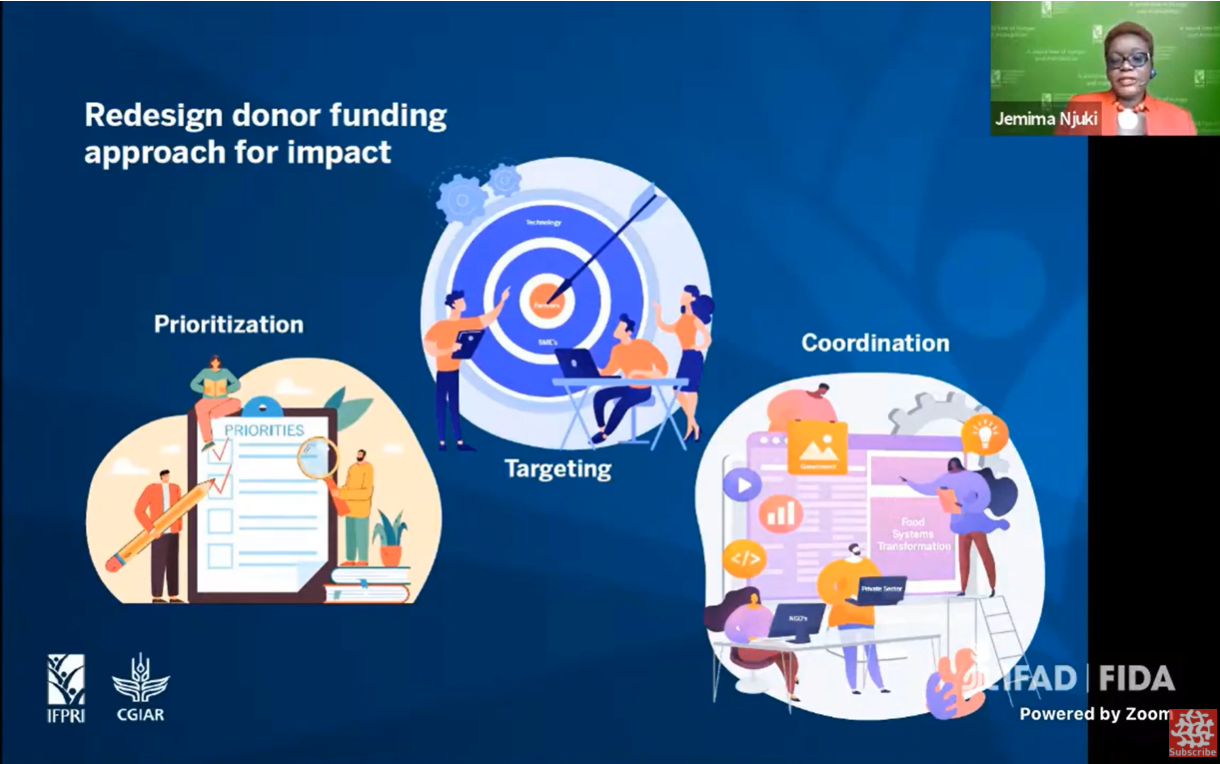
High-level event: The key role of donors in food systems transformation
The need for more and better-targeted funding to address looming challenges.
-
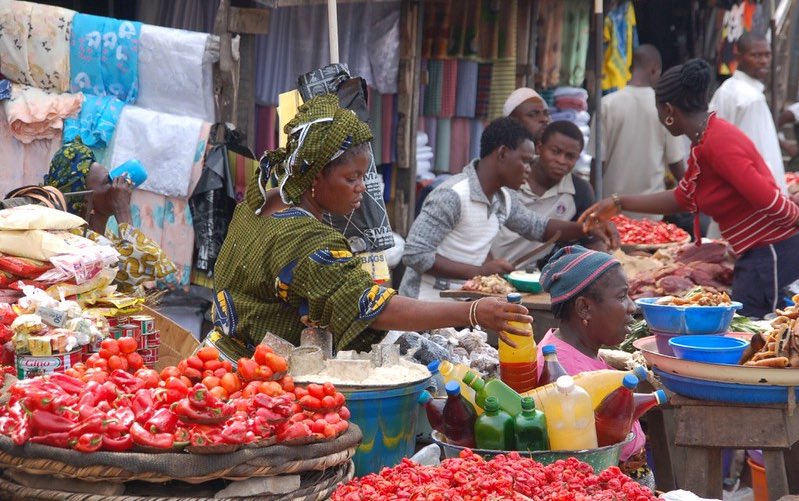
Transform Nutrition West Africa: Time to build on the momentum
A four-country project's foundation for knowledge sharing and policy collaboration.
-
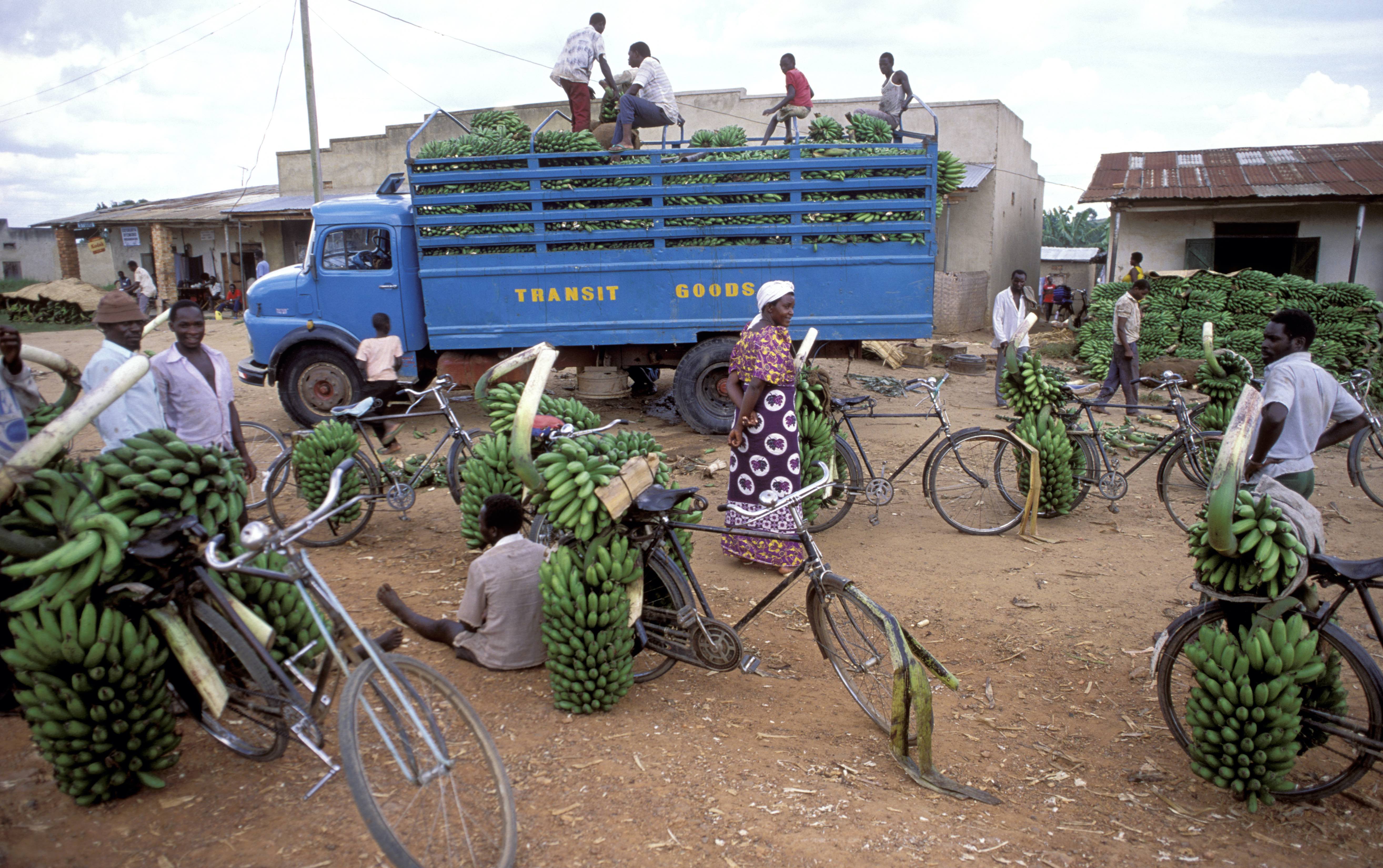
Making the most of intra-African trade: Insights from the 2021 Africa Agriculture Trade Monitor
Maximizing the potential of a new continent-wide free trade agreement.
-
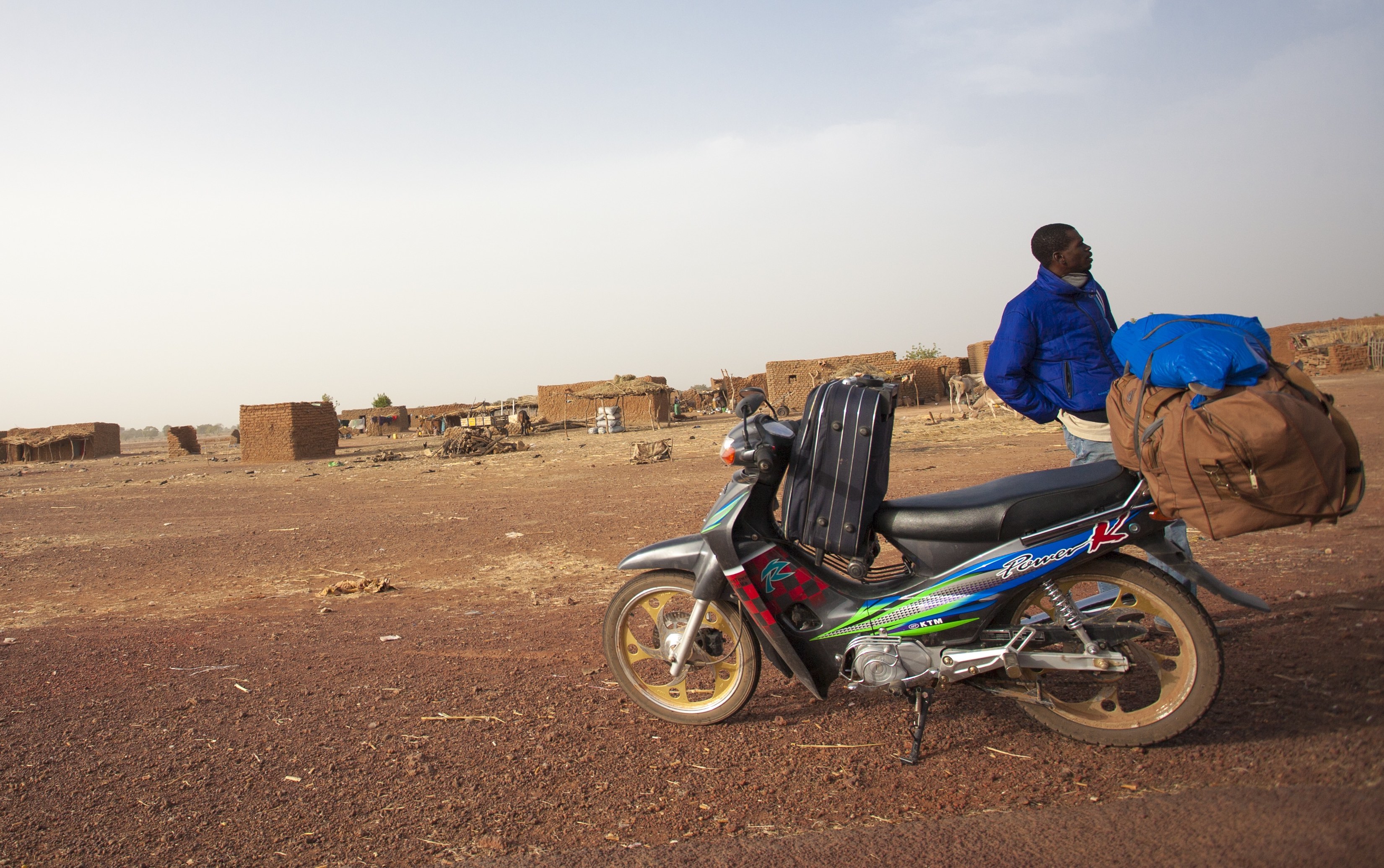
Examining the gendered impacts of cash transfers on migration in Mali
Exploring the complex interplay of work, migration, and gender.
-
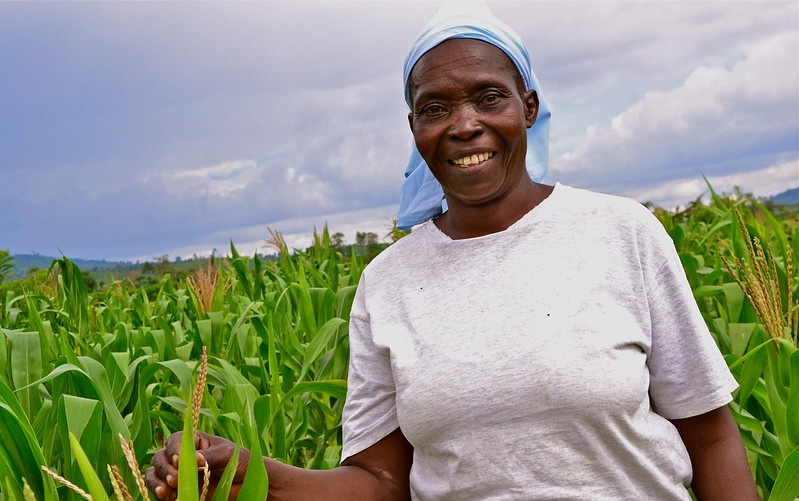
ICAE event: Does focusing on women farmers with climate resilience strategies pay off?
Evidence from Malawi, Nigeria, Tanzania, and Uganda, and India and Nepal.
-
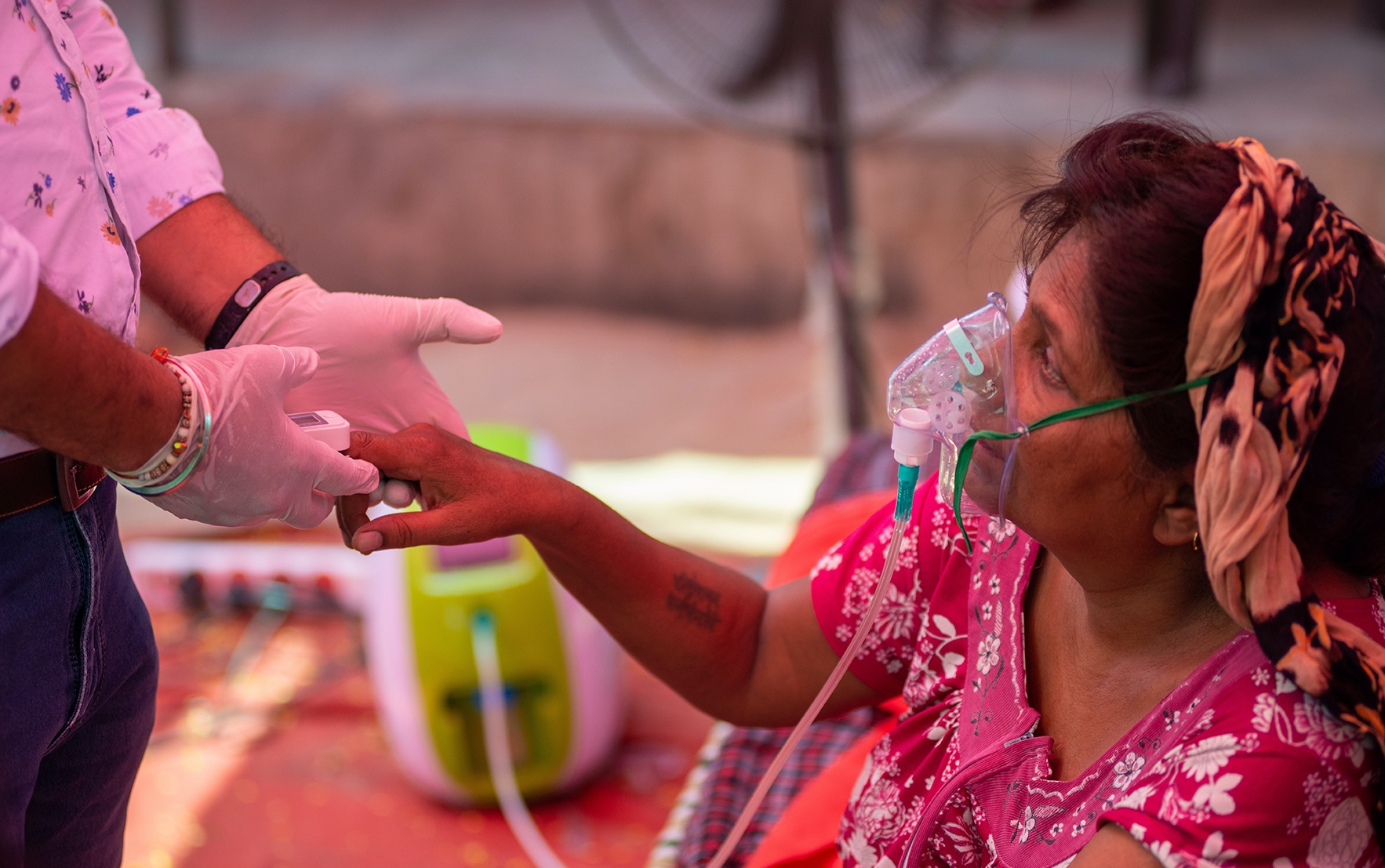
COVID-19 disruptions to health and nutrition services in Uttar Pradesh, India
After lockdowns are lifted, reluctance to seek assistance lingers.
-
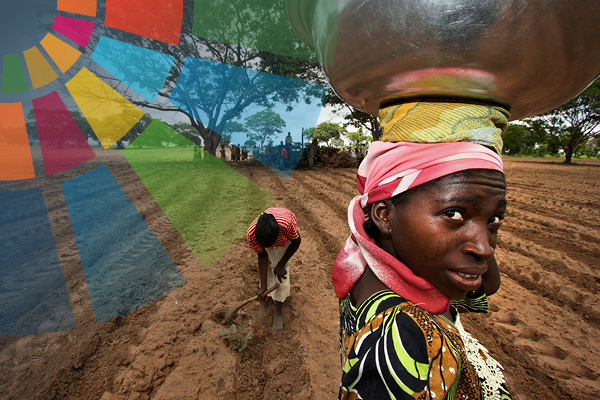
All hat and no cattle? Accountability following the UN Food Systems Summit
Getting follow-through on key global commitments.
-

Extraordinary COVID-19 social support programs in South Africa yield economic benefits during the pandemic period
Modeling shows emergency safety net programs boost GDP during pandemic.
-
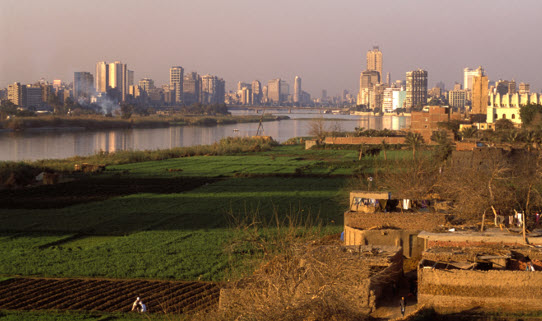
An integrated approach to realize multiple benefits across water, energy, food, forests and biodiversity
Water, energy, food, forests, and biodiversity systems are intricately linked but projects to improve resource usage are too often siloed.
-
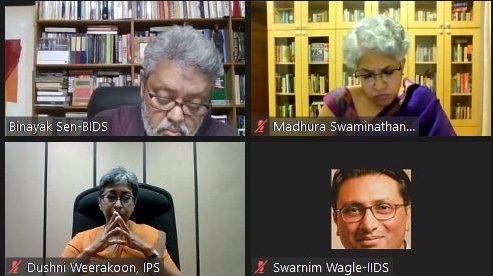
2021 Global Food Policy Report: COVID-19’s impact on agriculture and food systems in South Asia
Contending with successive pandemic waves.
-
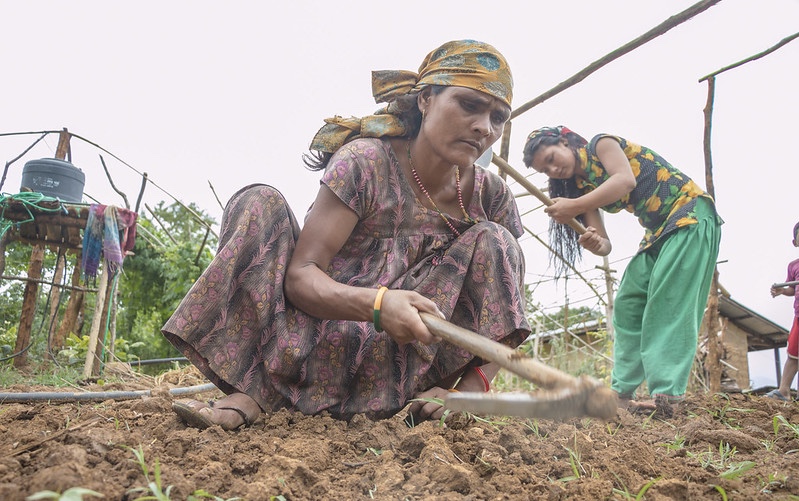
$15.2 billion in research and innovation investments can put global climate and hunger goals within reach
A new report shows how targeted spending can have significant global benefits.
-
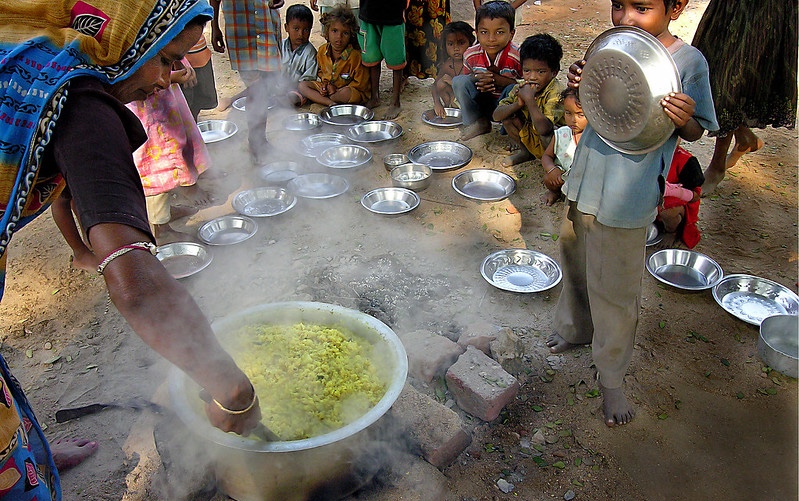
School feeding programs improve nutrition and child growth across generations: Evidence from India
Research shows for the first time the benefits of a key type of social protection program extend years later to the children of recipients.
-

G20 Matera Declaration calls for investing more and better in food systems to achieve Zero Hunger
A call to action on a problem exacerbated by the COVID-19 pandemic.
-
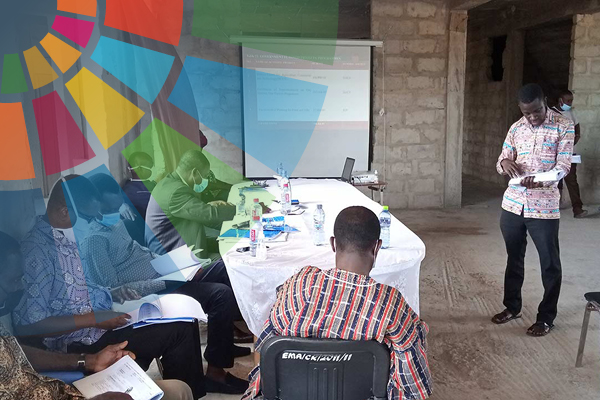
The devolution revolution paradox: Greater accountability, lower spending on agricultural services
A potential obstacle to food system transformation at the local level.
-
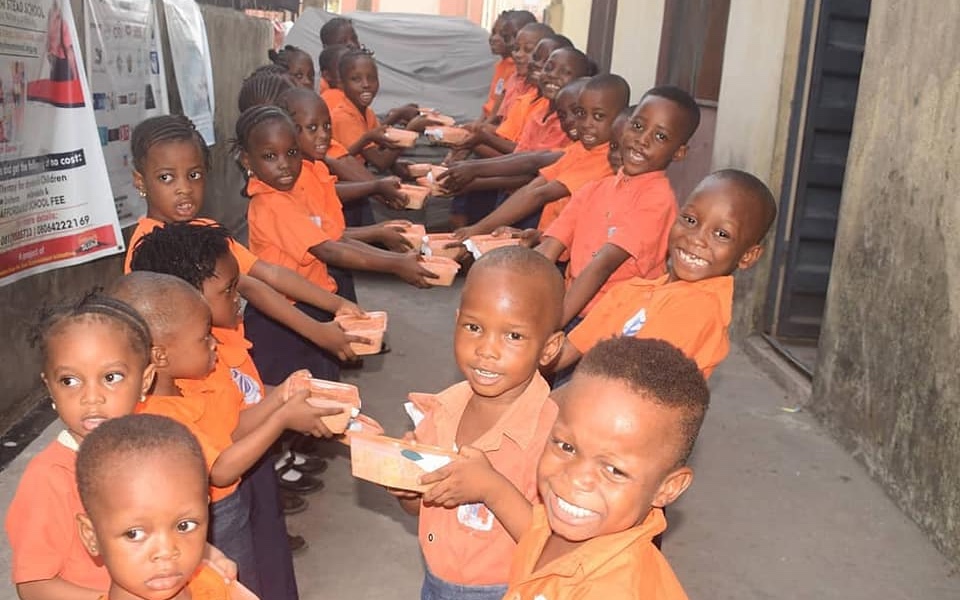
COVID-19-induced disruptions of school feeding services exacerbate food insecurity in Nigeria
What happened when a key type of social protection program stopped operating during lockdown.
-
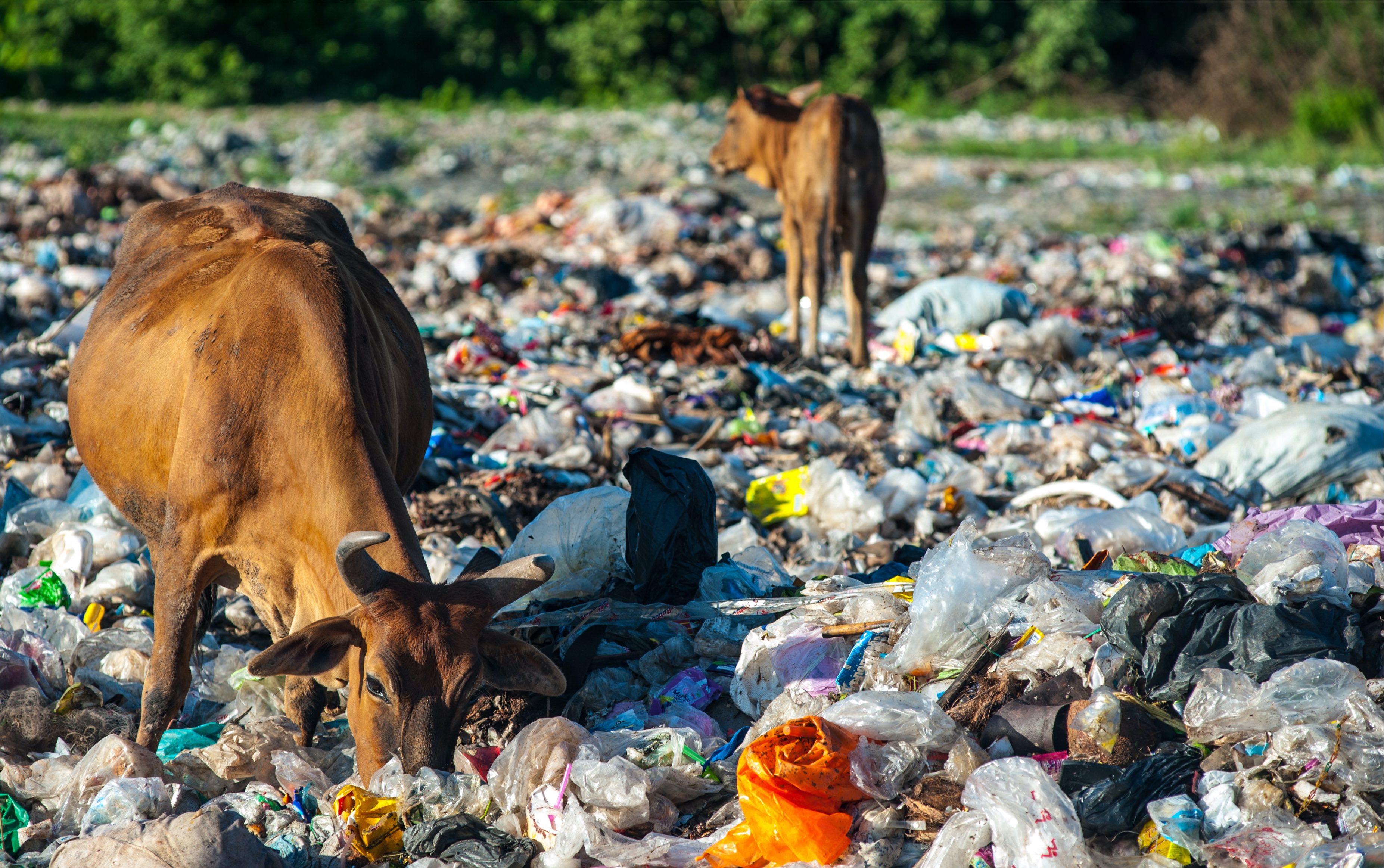
To build food security, reduce plastic use
The environmental scourge of disposable plastic bags harms—and is fueled by—food systems.
-
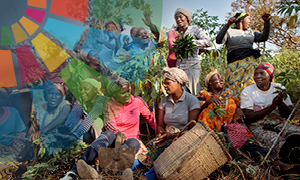
Bold actions for gender equality and women’s empowerment in food systems
Women are demanding change – how to achieve it.
-

T20 Climate Forum: The post-pandemic future of food
Food systems are both drivers of climate change and subject to its many impacts.
-
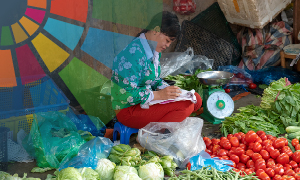
Mapping evidence of food system transformation for healthier diets: What works?
Surveying which innovations work best to build better nutrition.
-
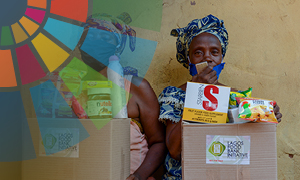
Improving food donation policies is key to fighting food waste
Ways to craft incentives to encourage more giving.
-
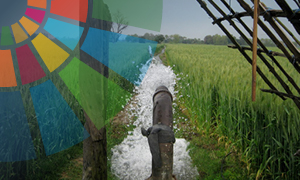
UNFSS Science Days: Groundwater can play a key role in transforming Africa’s food systems
A crucial resource for improving food security, nutrition, and long-term prosperity.
-
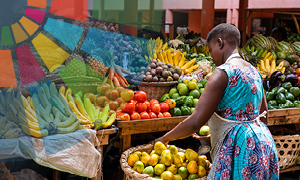
UNFSS Science Days: Reforming agricultural policies to support food systems transformation
Supporting food system transformation by redirecting farm subsidies that can reduce carbon footprints, boost resilience, improve food & nutrition security, and enhance poverty reduction & equity.
-
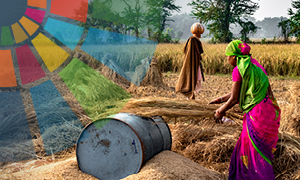
UNFSS Science Days: Promise of the commons for sustainable and equitable food systems
Better management of shared natural resources can boost food system transformation.
-
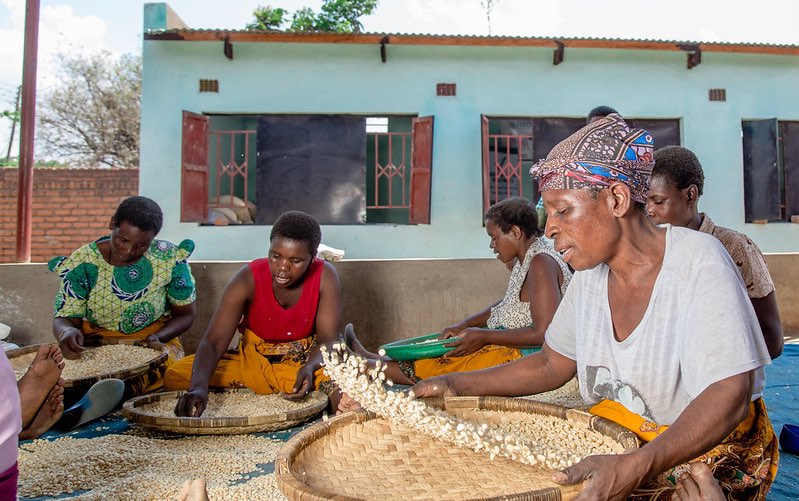
Time-use agency: A new measure of women’s empowerment
A more nuanced approach to gauging women's strategic choices about time and work.
-
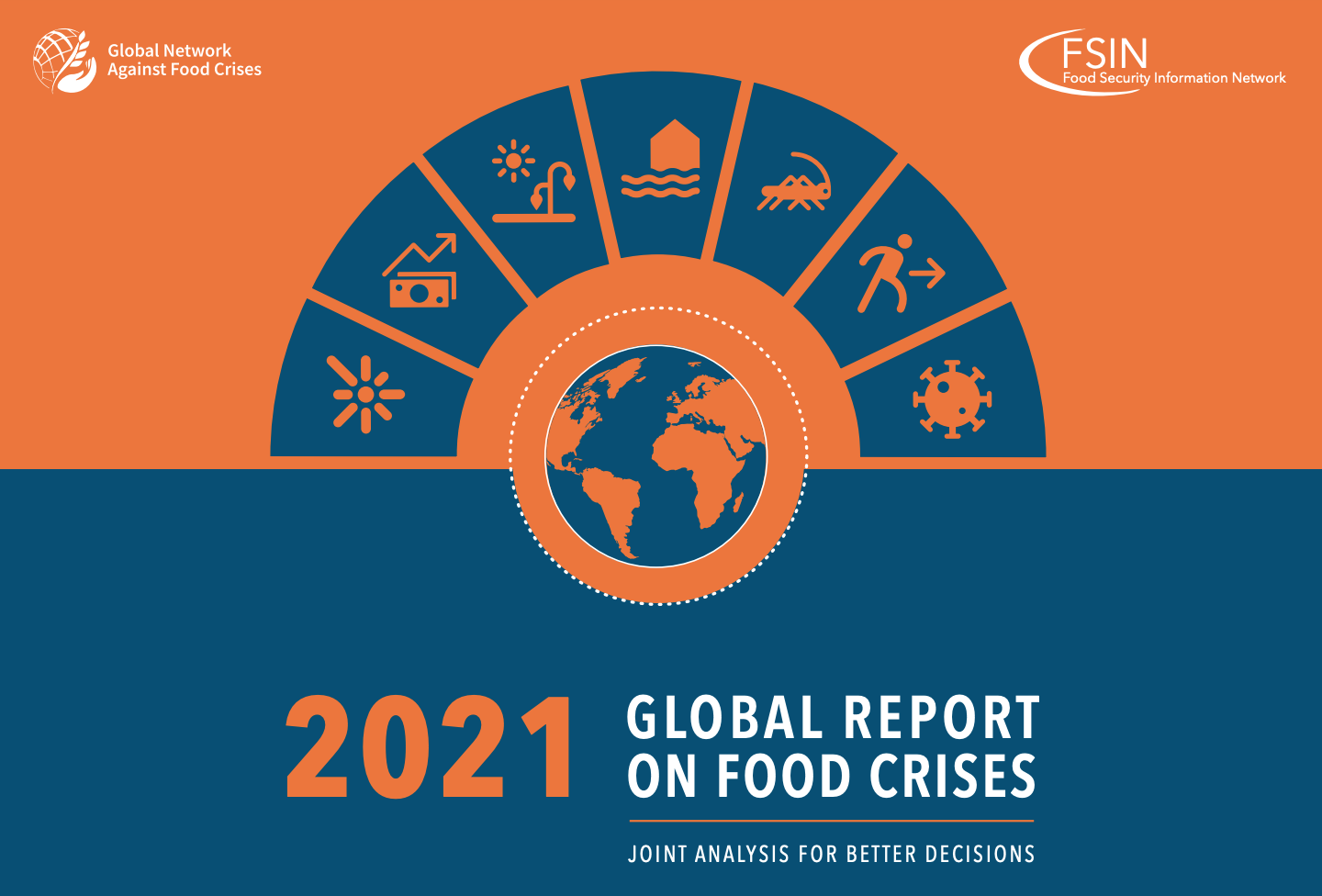
Global Report on Food Crises 2021: Building resilience can prevent crisis and conflict
More than 155 million people experienced acute food insecurity in 2020, an increase of 20 million from 2019 and a five-year high.
-
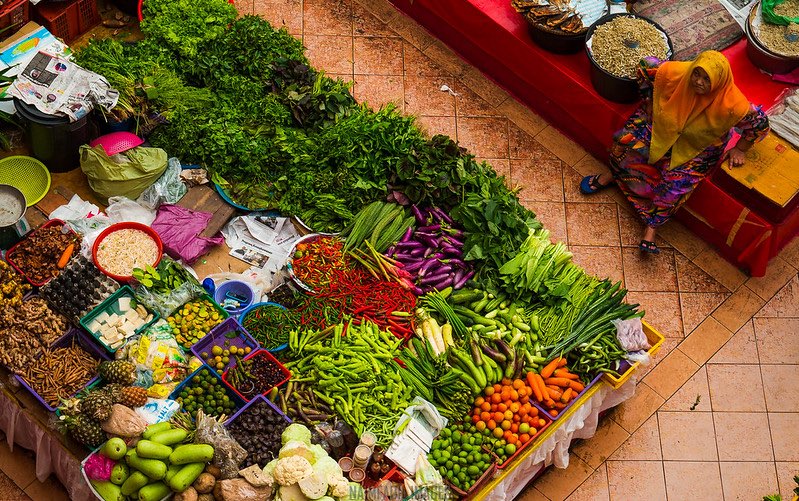
Rising food prices are a concern but no reason for panic yet
The COVID-19 pandemic and other factors driving inflation.
-
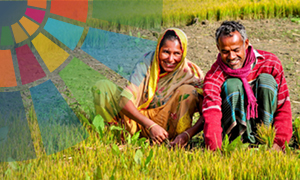
Nine more harvests to transform our food systems: Let’s make them count for everyone, everywhere, and for all time
The Action Track Chairs for the UN Food Systems Summit on next steps for change.
-
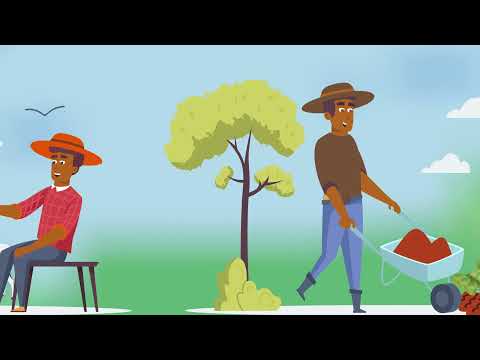
CIP discussion: Agricultural innovation, the key for bridging R&D with impact at scale
Bringing new technologies to smallholders is key to food system transformation.
-
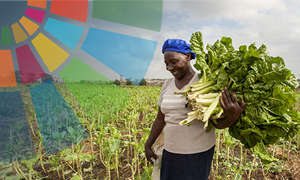
The transformational role of science for the UN Food Systems Summit agenda
Fostering research and innovation is crucial to meet 21st century challenges.
-
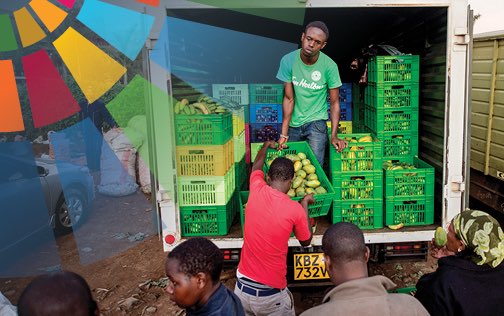
Smallholder and agrifood SME resilience to shocks: Lessons from COVID-19 for the UN Food System Summit
Farmers and small businesses show both vulnerabilities and a capacity to adapt.
-
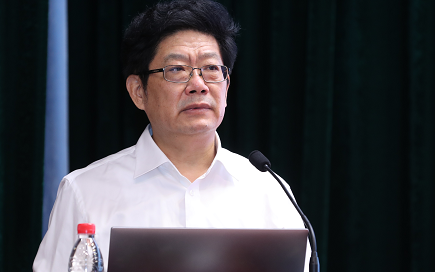
2021 China and Global Agricultural Policy Forum: Food systems transformation from diets to policies
Pondering the future of China's and the world's agrifood systems.
-

Digital innovations accelerated by COVID-19 are revolutionizing food systems: Implications for the UN Food Systems Summit
Lessons from how food supply chains adapted to pandemic stresses.
-
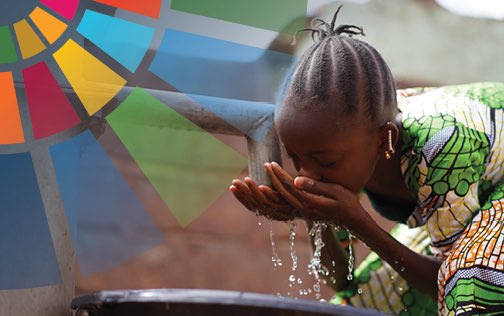
Seven solutions to jointly improve water security and food systems outcomes
Protecting and sustaining a resource integral to life on earth.
-
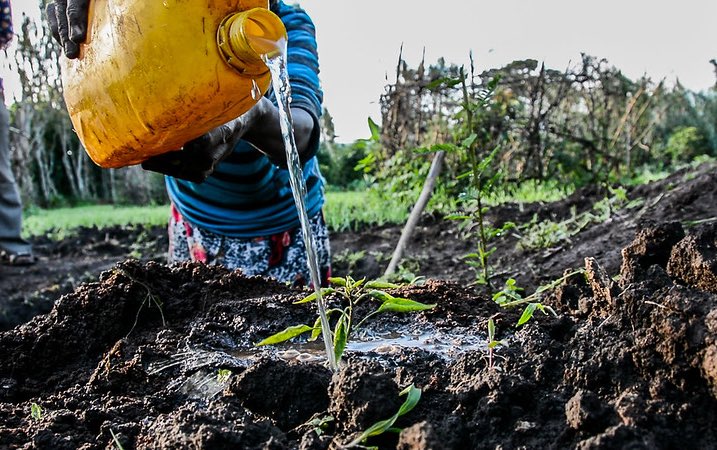
The importance of human-centered ecological restoration
The need for a greater focus on equity, inclusion, and justice in ecosystem management.
-

Challenges for policy and research to reduce food loss and waste
Five major obstacles that stand in the way of progress.
-
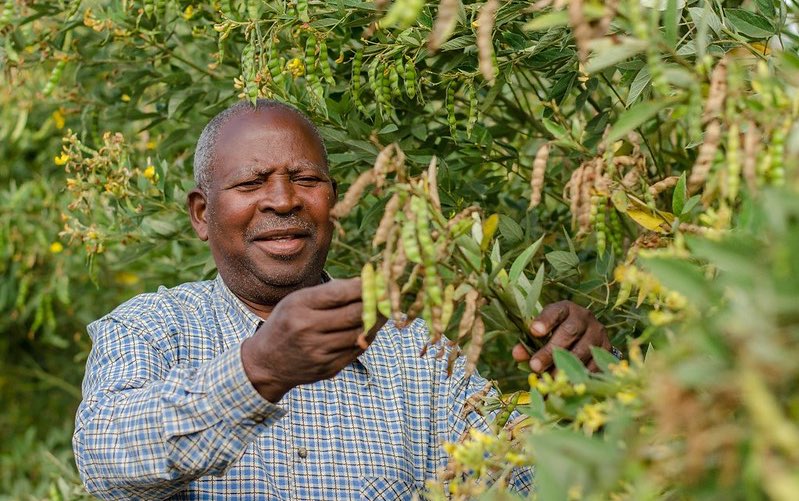
Book: Moving Malawi beyond subsistence agriculture
Charting a path toward rural economic transformation.
-
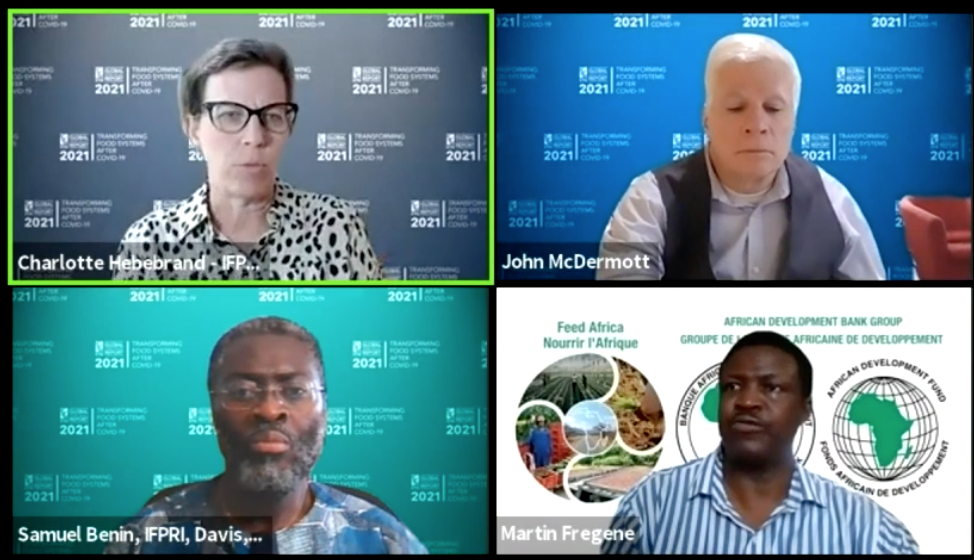
Global Food Policy Report 2021: Food system transformation and the impact of COVID-19 on African economies
Building resilience and fostering sustainable growth post-pandemic.
-
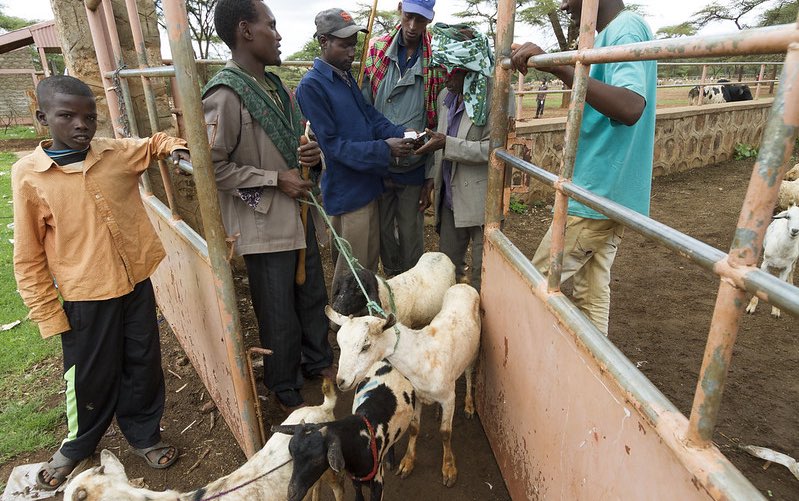
Policy-induced market distortions along agricultural value chains: Evidence from Ethiopia and Nigeria
Encouraging the development of value chains can benefit both smallholders and consumers.
-
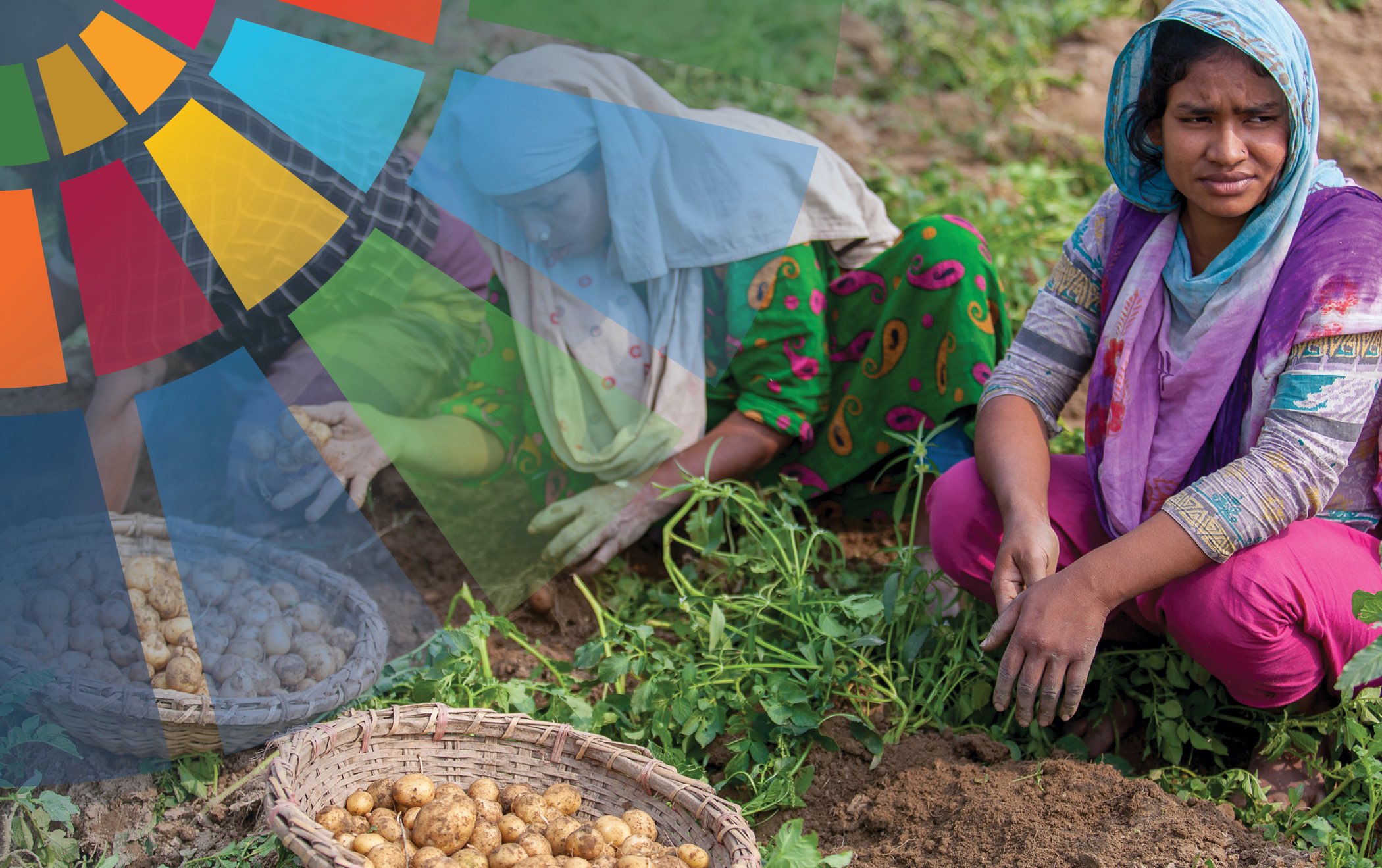
Financing Sustainable Development Goal 2 and the end of hunger
A key goal is within reach with the right mix of investments.
-
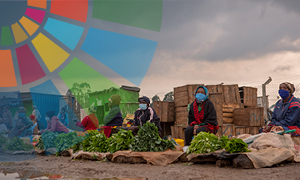
How big companies can help to end hunger
Introducing the “End Hunger, Nourish the Future Pledge."
-
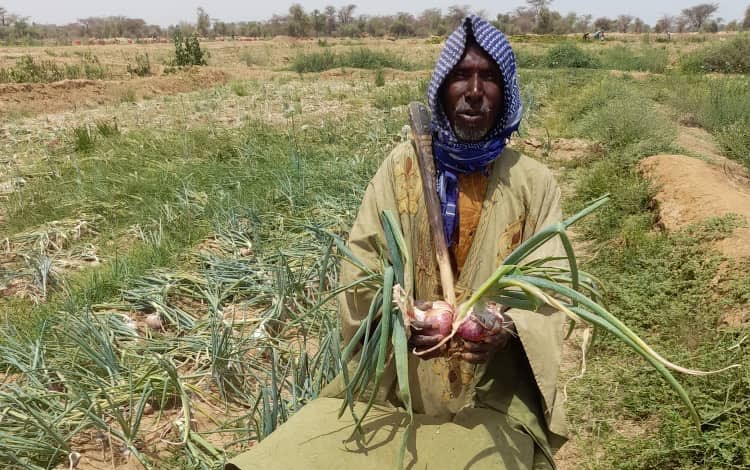
Survey: COVID-19’s varied impacts on fresh fruit and vegetable supply chains in Senegal
Pandemic impacts fall more heavily on smallholder farmers and others serving more traditional markets.
-
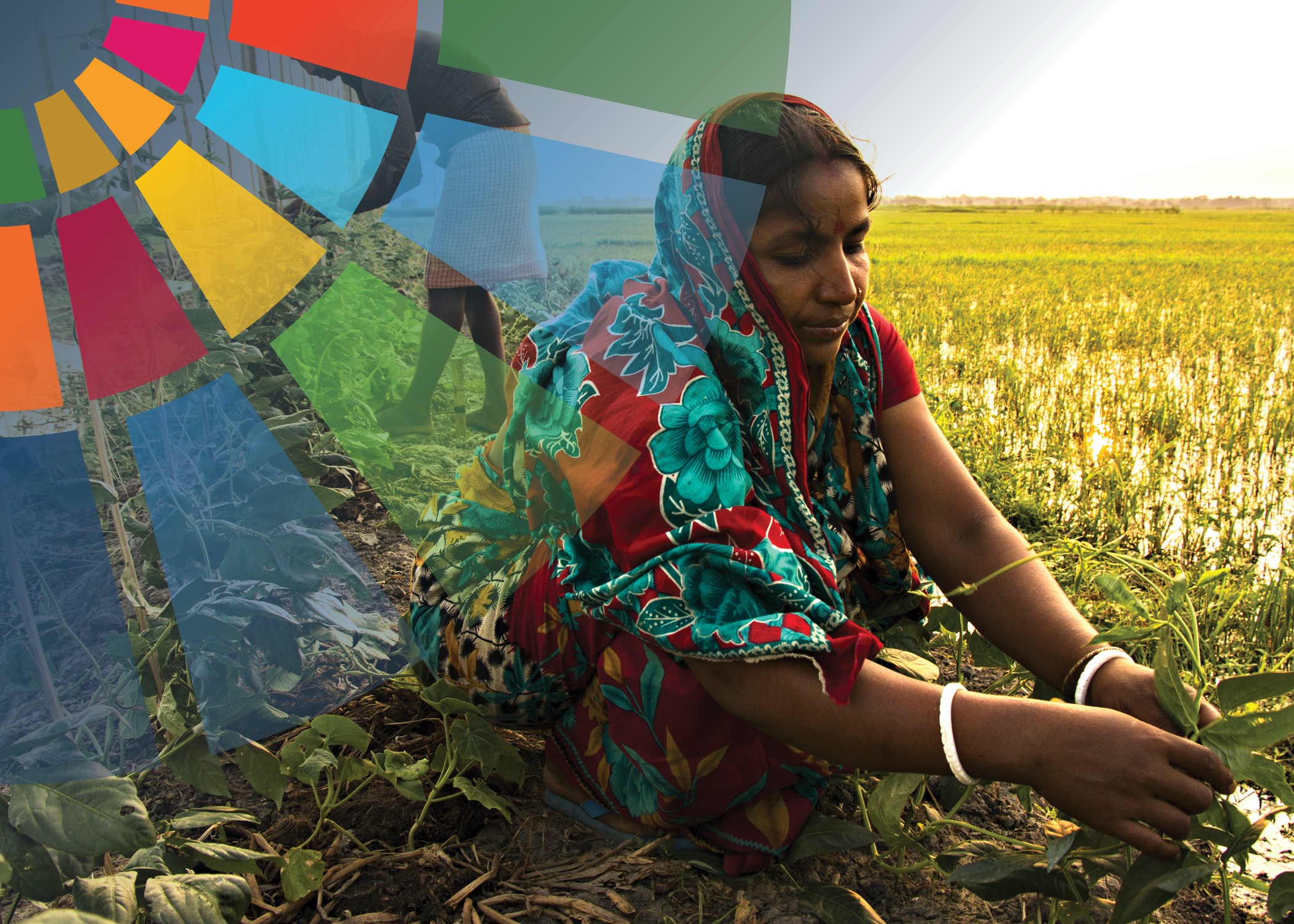
Gender equality, women’s empowerment, and food systems: Consensus and gaps in the literature
What works to achieve gender-equitable food systems.
-
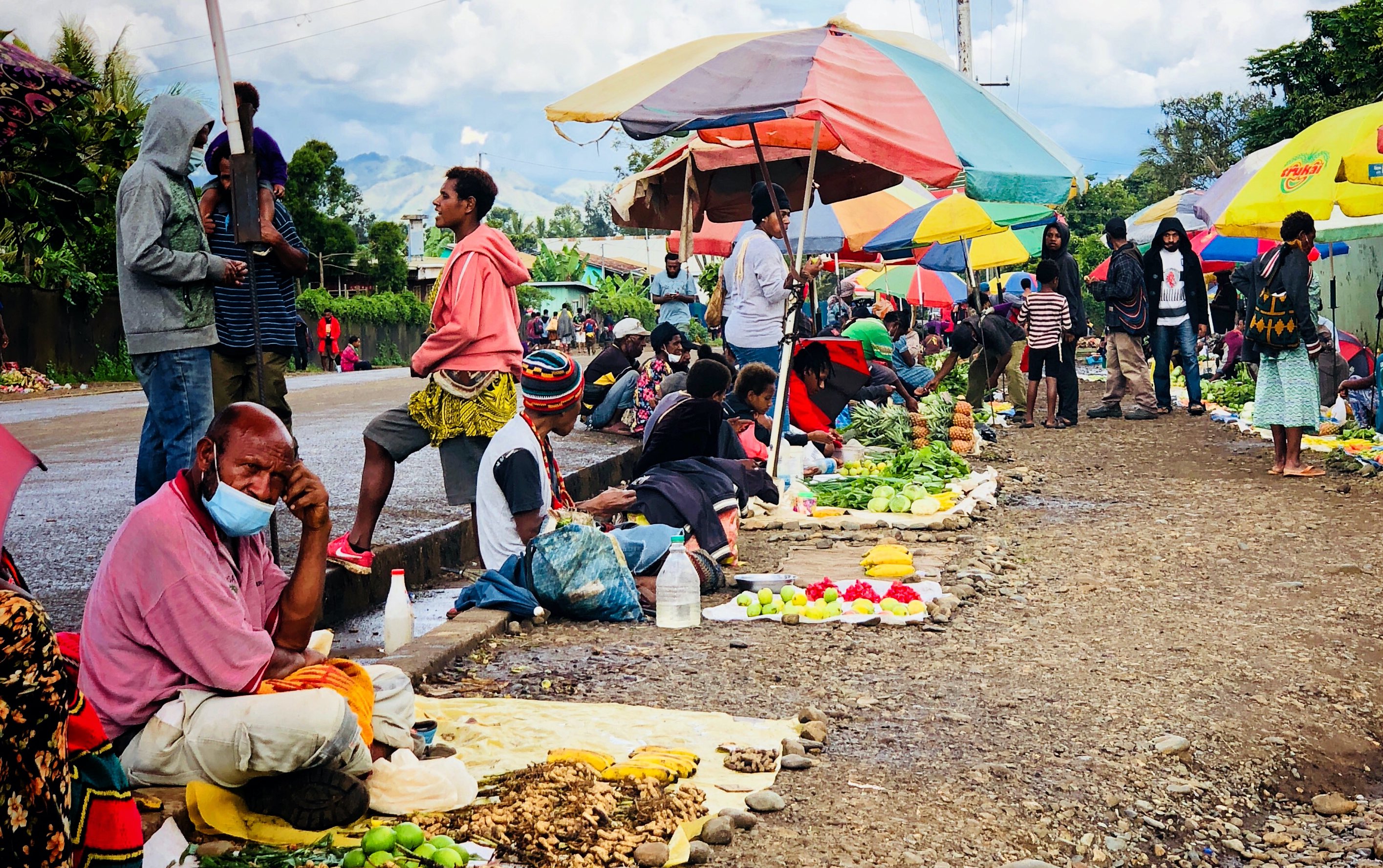
Model: Impacts of the COVID-19-driven rise in global rice prices on consumers in Papua New Guinea
Households may have reduced rice consumption as much as 15% or more,
-
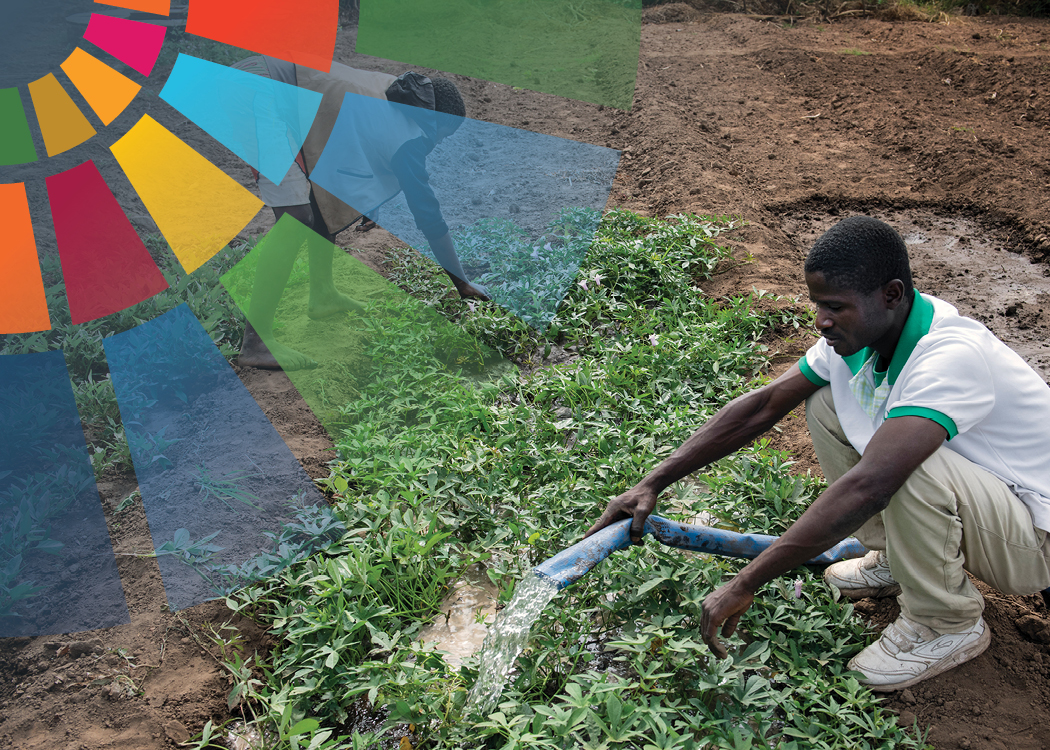
Charting a productive, sustainable future for small farms amid food system transformation
Encouraging the adoption of promising innovations.
-
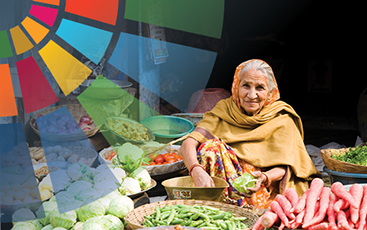
Ending hunger: A Fund, an Alliance, or… both?
A new proposal to meet SDG2.
-
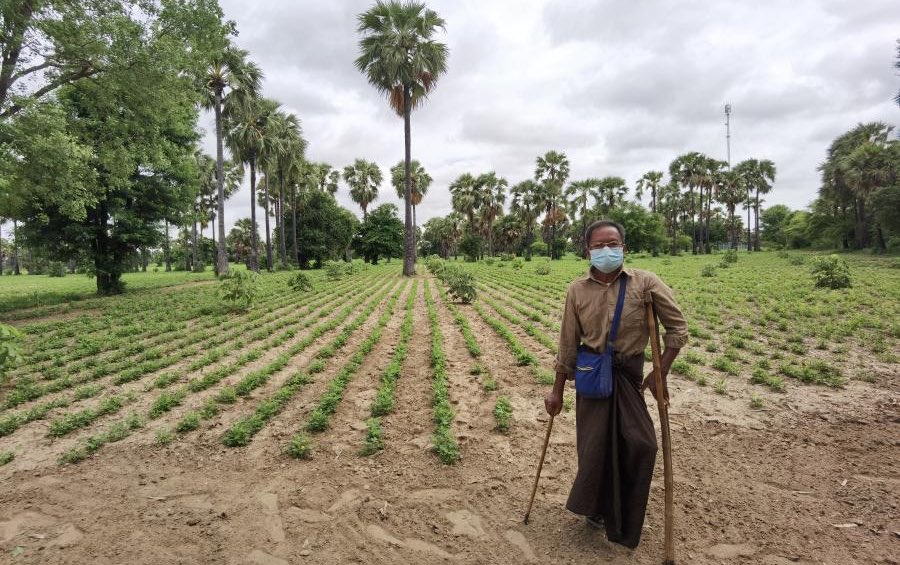
Survey: COVID-19 undermines incomes, livelihoods in rural Myanmar
Mobility restrictions and market disruptions hit farming households hard.
-
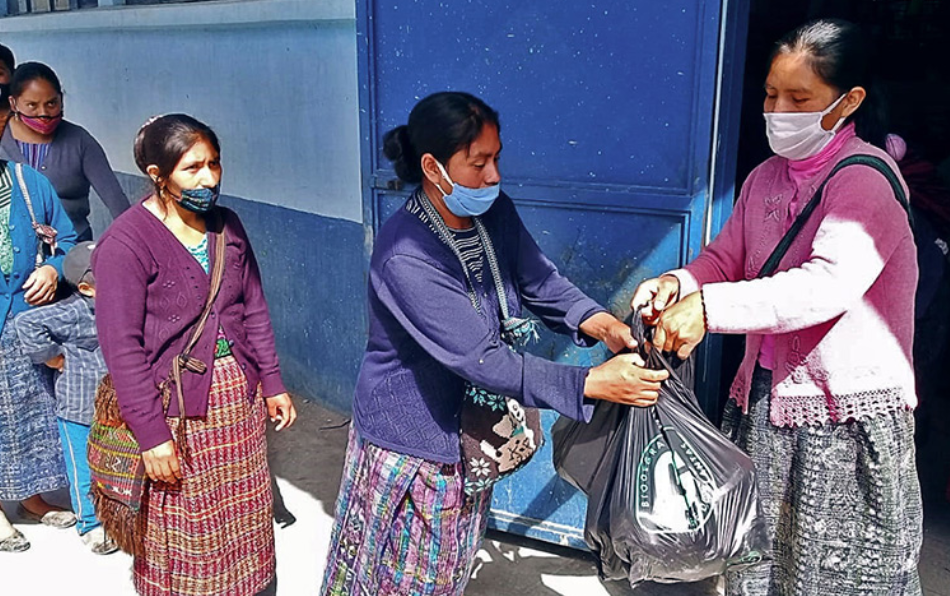
Survey: Short-term impacts of COVID-19 in rural Guatemala call for a closer, continuous look at the food security and nutritional patterns of vulnerable families
A lockdown and other pandemic measures erode incomes, food security, and dietary diversity in the Western Highlands.
-
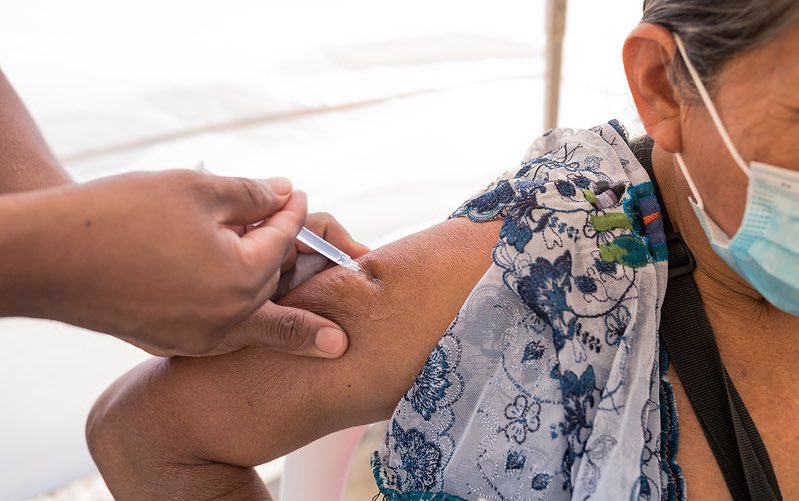
Rural populations face heightened COVID-19 risks
An analysis of 12 low- and middle-income countries shows potential pandemic hotspots.
-
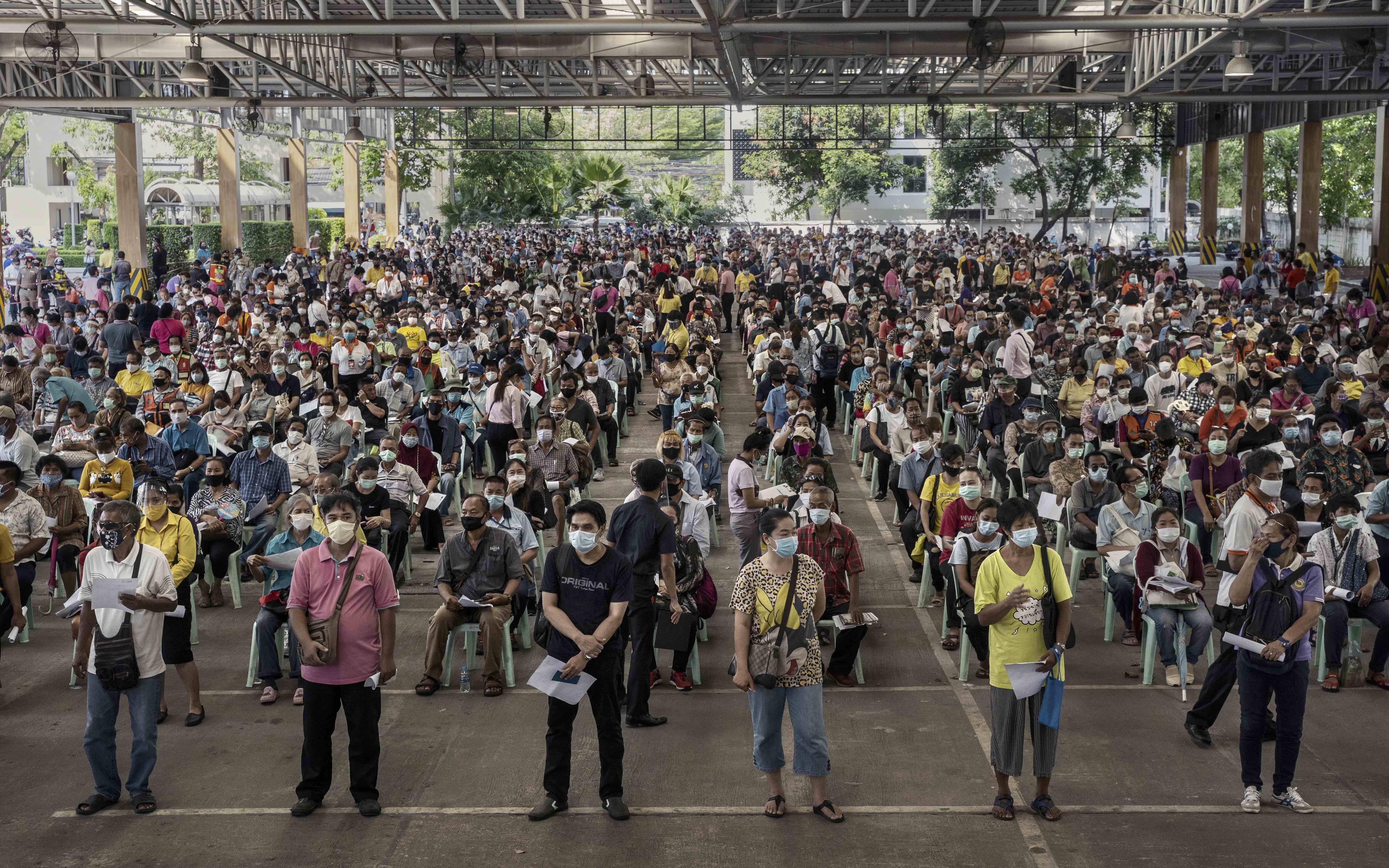
Policy responses to COVID-19: What worked and how to build resilience for the future
The pandemic has exposed fragilities and encouraged innovations.
-
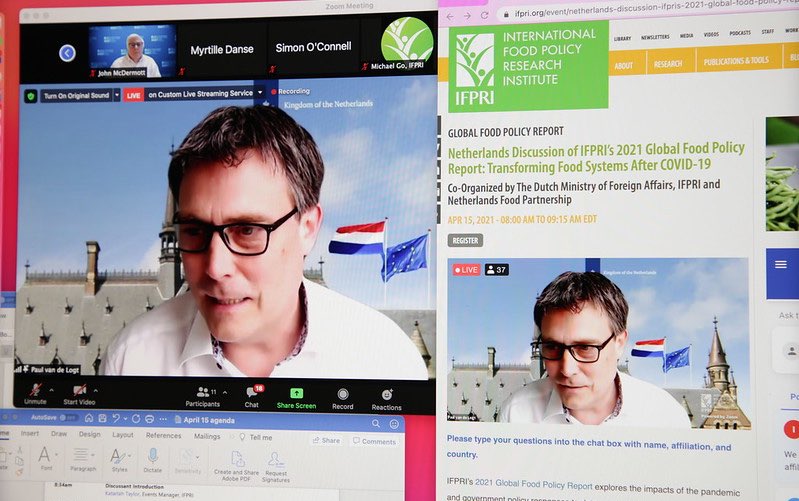
Global Food Policy Report 2021: The challenges of food system transformation
Plotting a course for post-pandemic innovations—a discussion organized with the Dutch Ministry of Foreign Affairs and Netherlands Food Partnership.
-
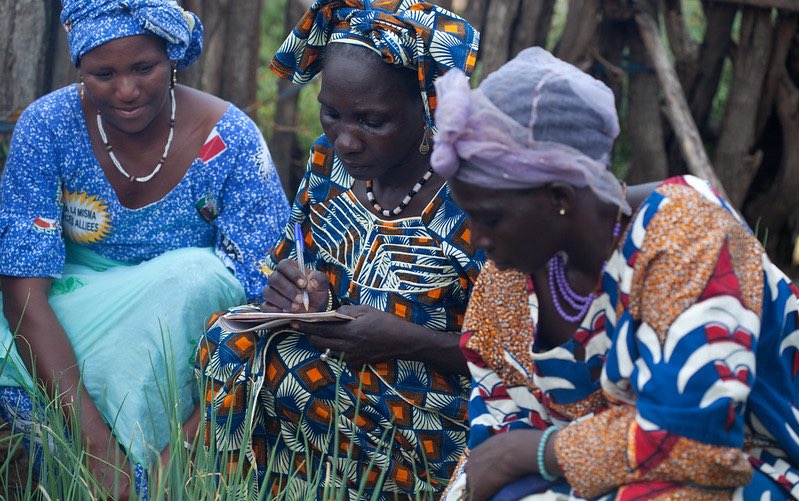
Women’s voices in civil society organizations: Evidence from a civil society mapping project in Mali
Insights on buttressing women's roles in political decision making.
-
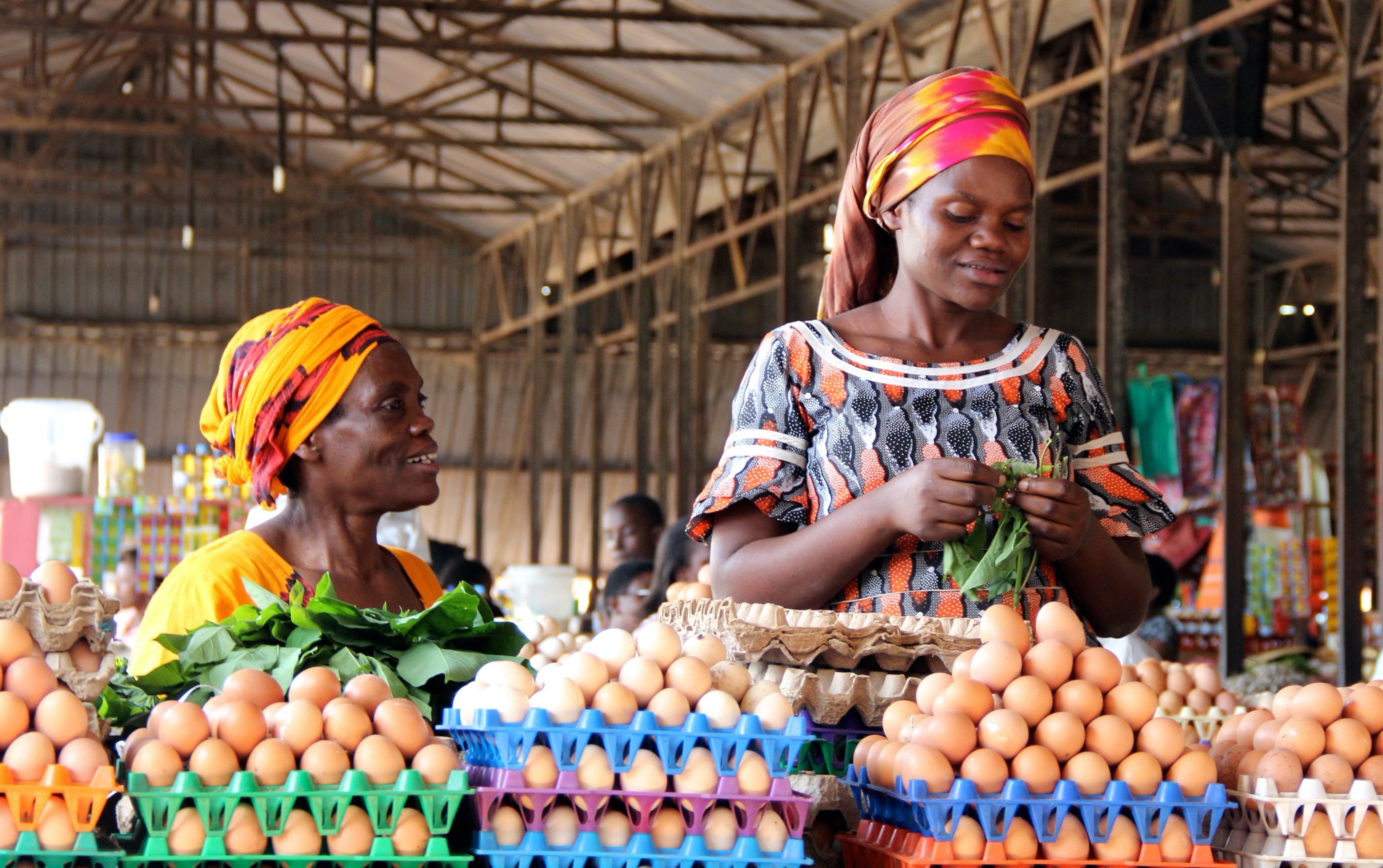
The Global Food Systems 5050 Initiative: Tracking and promoting progress on gender equality amid food systems transformation
A new index will asses the actions of more than 200 producer organizations, food companies, global nonprofits, and research institutions on women's empowerment.
-
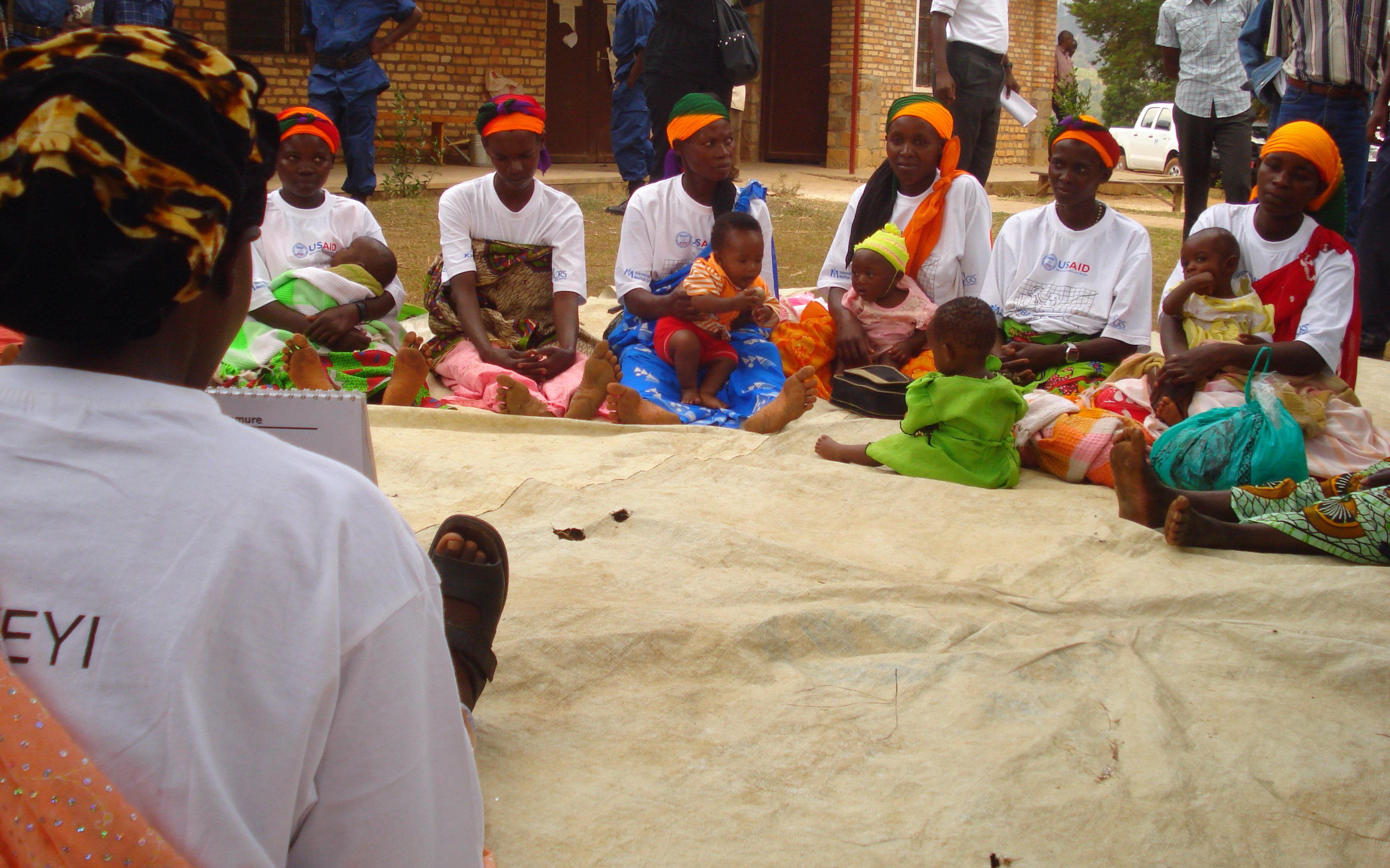
Can child wasting be prevented in times of crisis? Evidence from Burundi
Positive results from the Tubaramure program suggest lessons for COVID-19 responses and future crises.
-
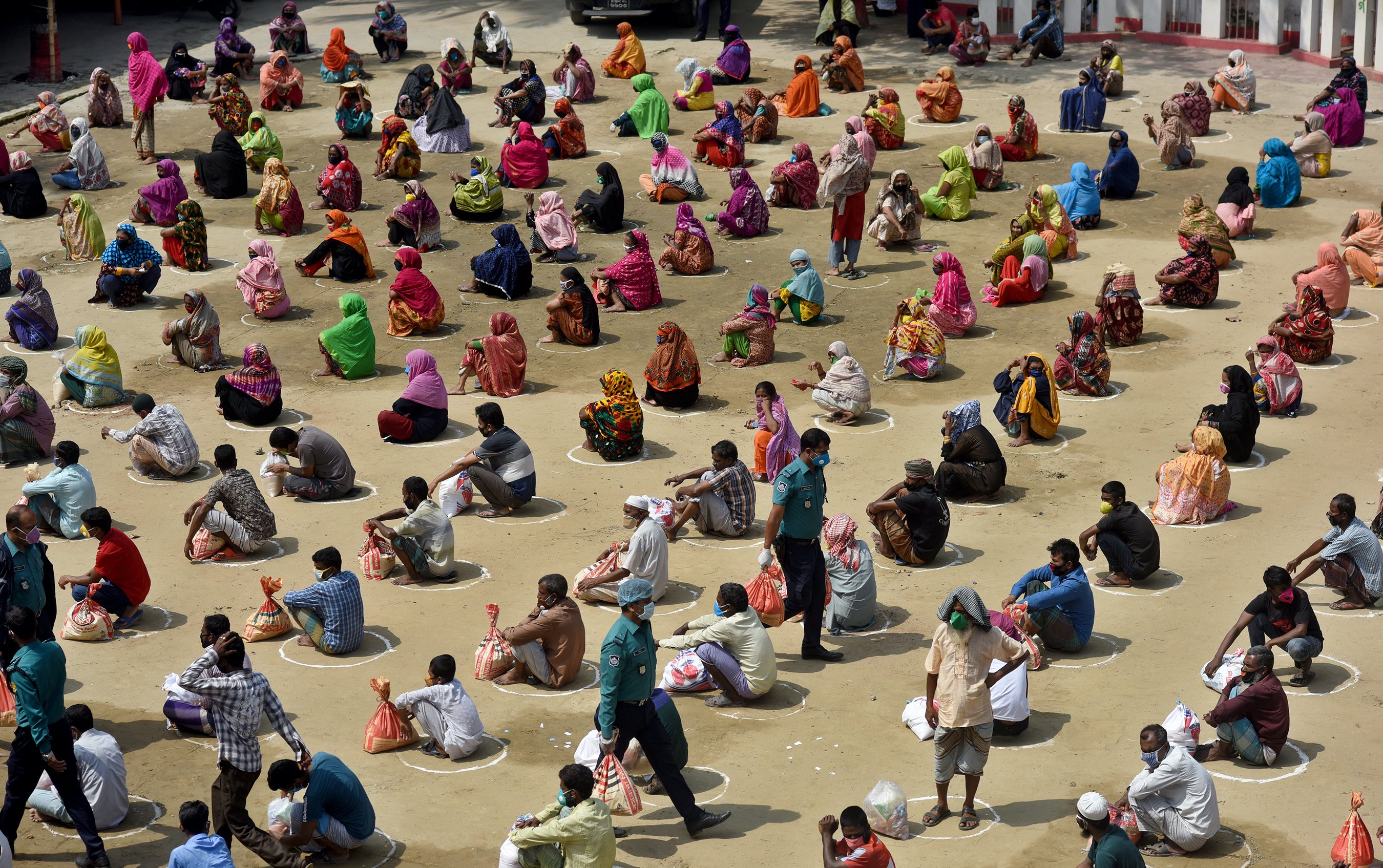
Survey: A major food transfer program in Bangladesh fell short during the COVID-19 pandemic
What happened with a key social protection effort during lockdown.
-
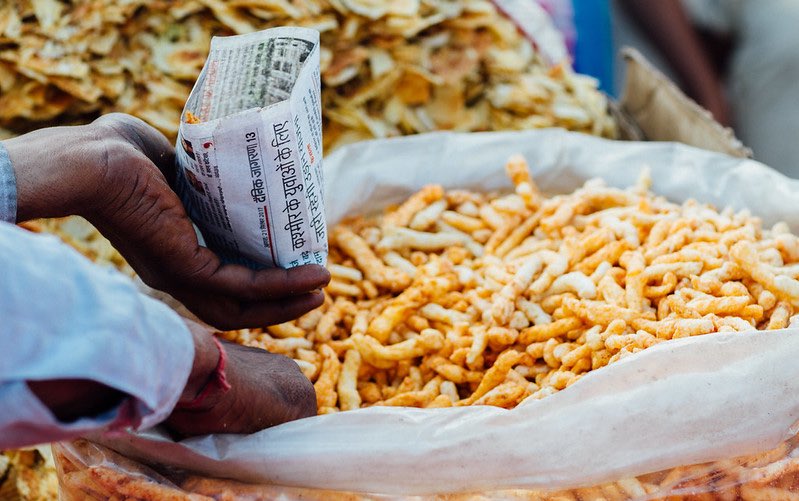
Study: Examining wealth and residential inequalities in India’s double burden of malnutrition
Rising obesity rates among both rich and poor, and other trends.
-
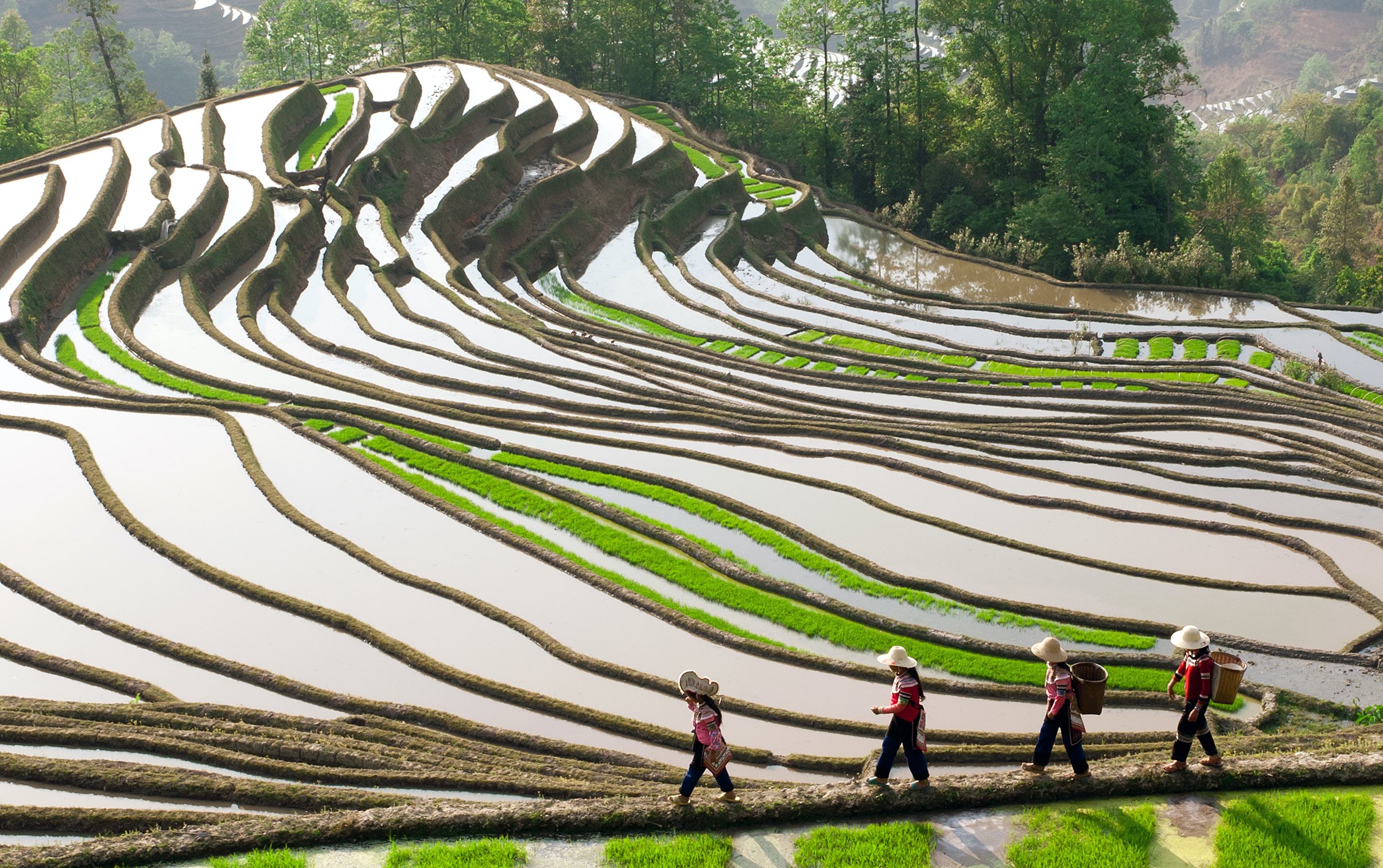
Earth Day 2021: Restoring agriculture to transform food systems
Insights for a post-pandemic world from IFPRI's Global Food Policy Report.
-
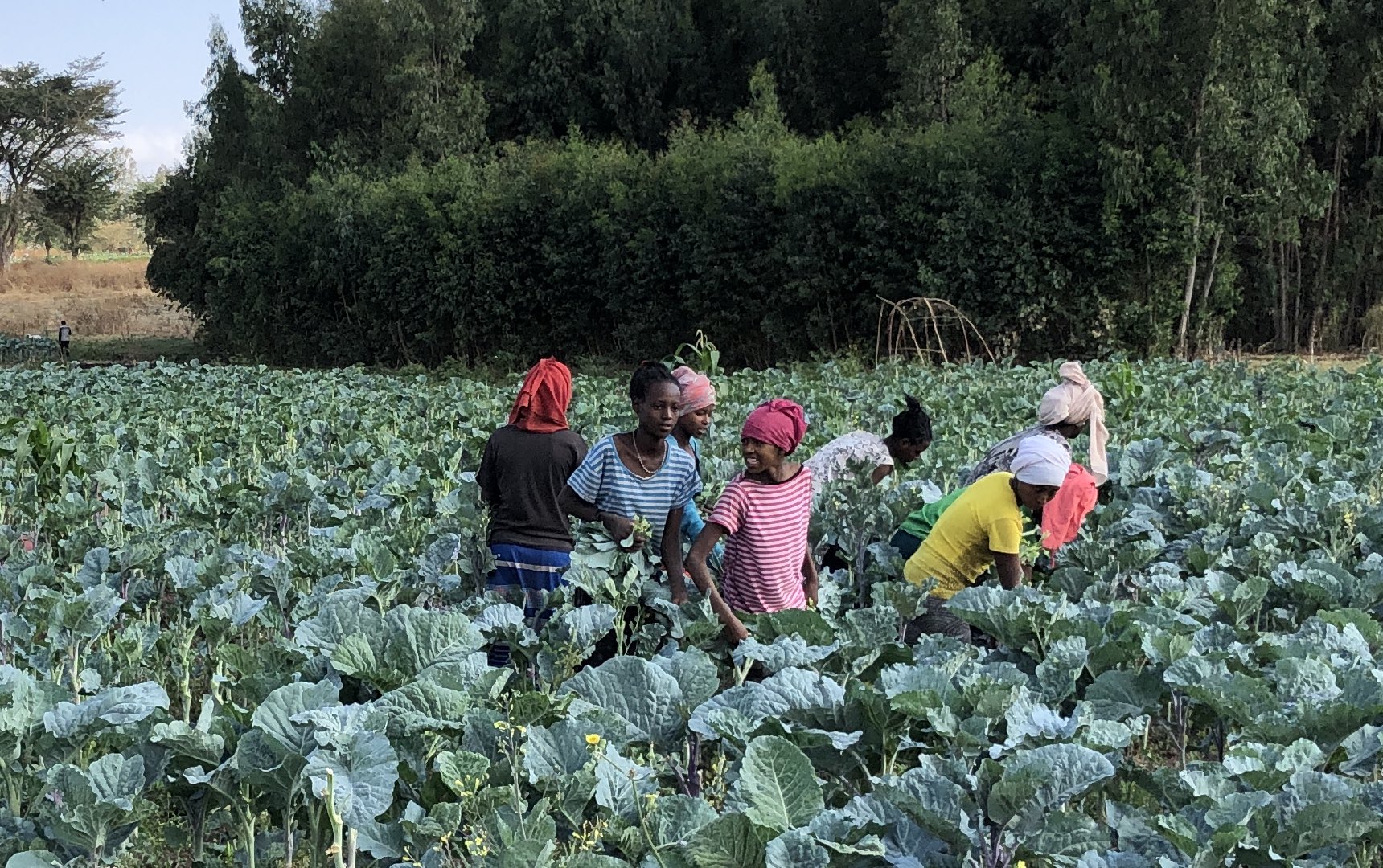
Earth Day 2021: Understanding the role of gender in building healthier soils
Ways to more effectively engage women in a key element of sustainable agriculture.
-
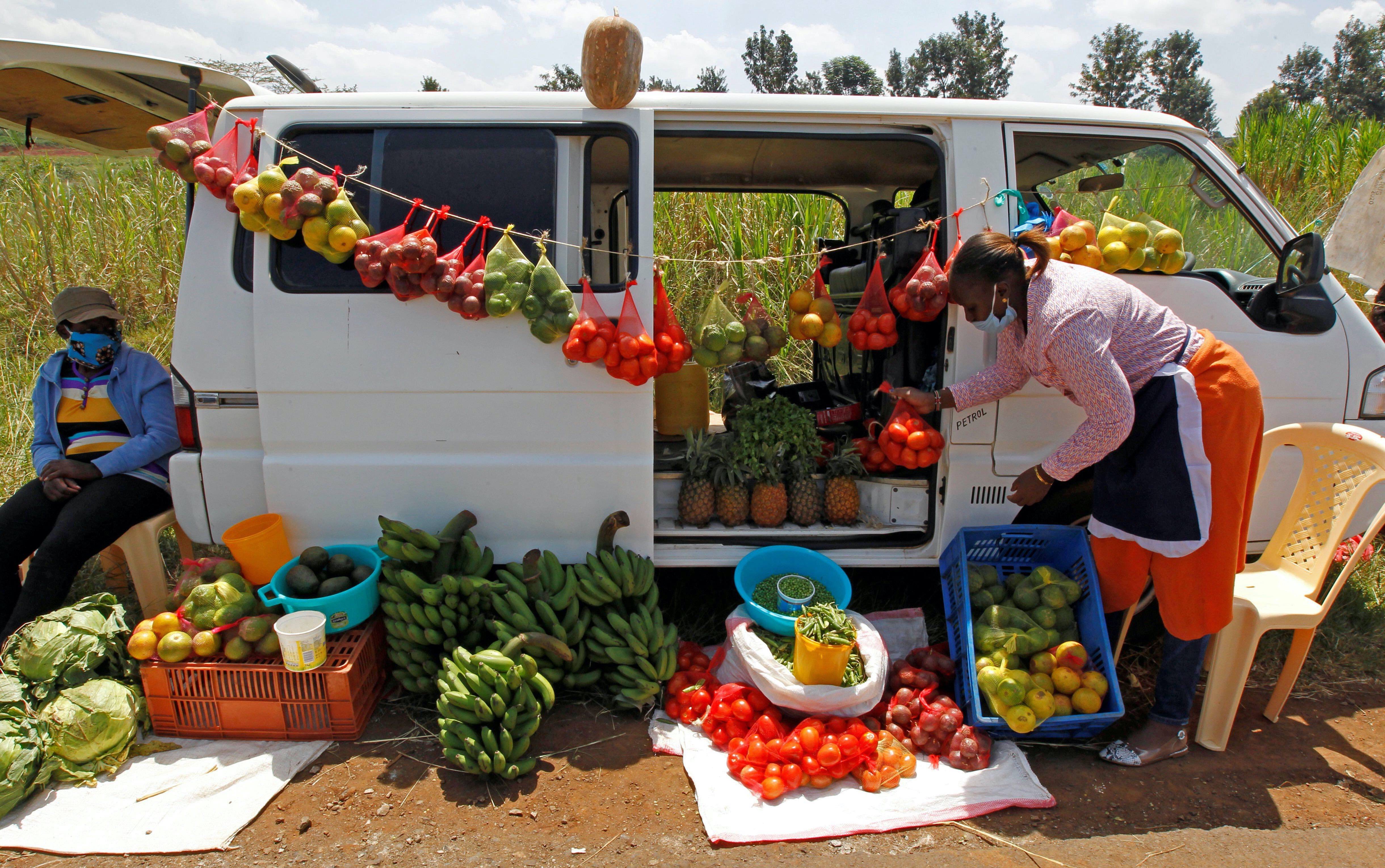
COVID-19 pandemic offers rare chance for food systems transformation
Creative pandemic responses have created an opportunity for real structural change.
-
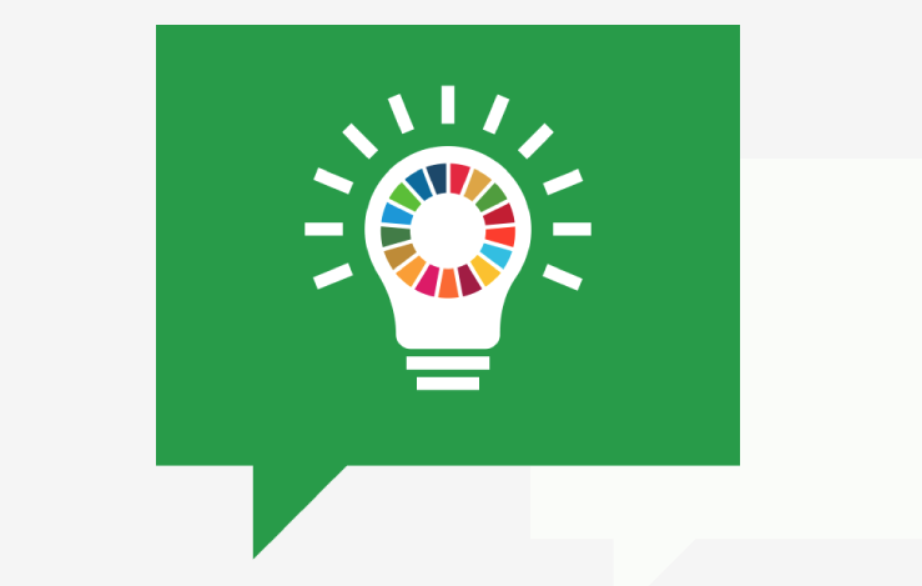
South Asia dialogue: Women’s empowerment and the 2021 UN Food Systems Summit
For the first time, gender equality is a central focus of a major international summit.
-
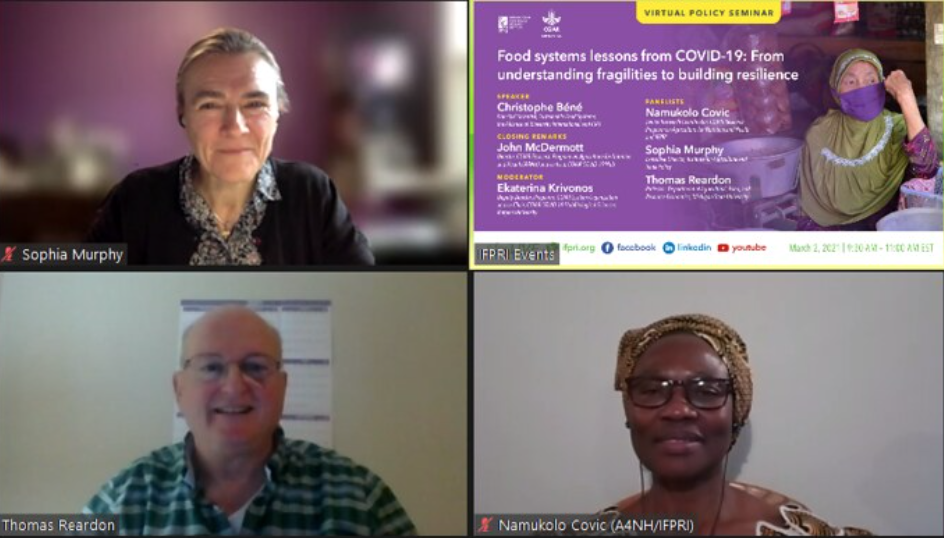
Policy seminar: Food systems lessons from COVID-19
Lessons for building resilience to ride out future shocks.
-
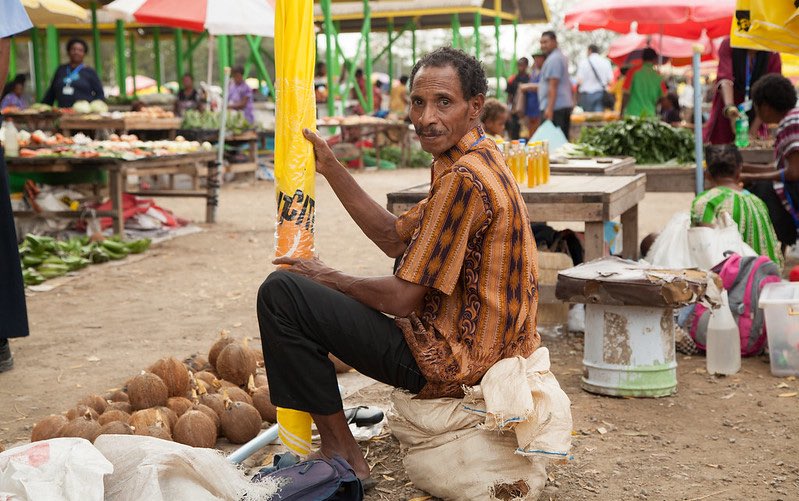
COVID-19 and other shocks facing Papua New Guinea’s food economy
Modeling shows differering impacts for urban and rural households.
-
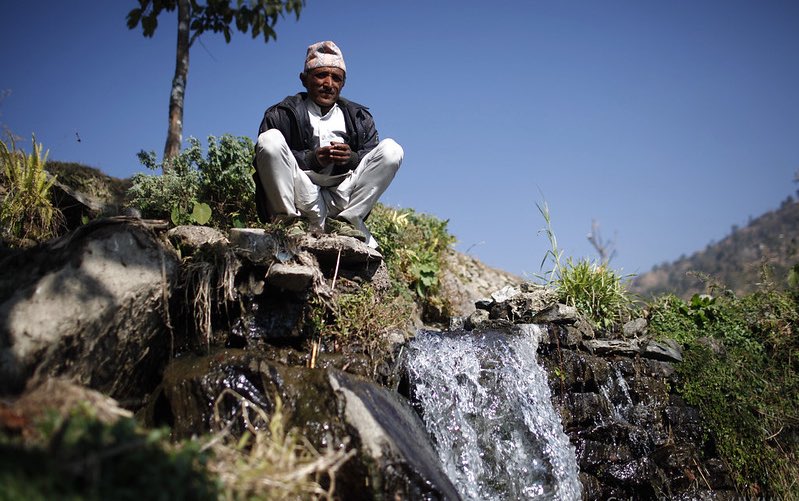
World Water Day 2021: How can we manage better what we value most?
What we really mean when we talk about water’s value.
-
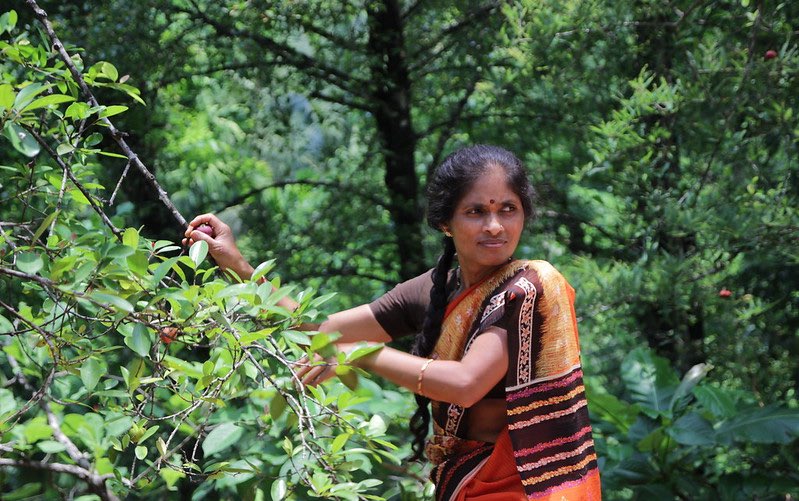
International Forests Day: The crucial value of India’s common lands
A new effort to estimate the extent and value of forests, pasturelands, and wetlands people depend on.
-
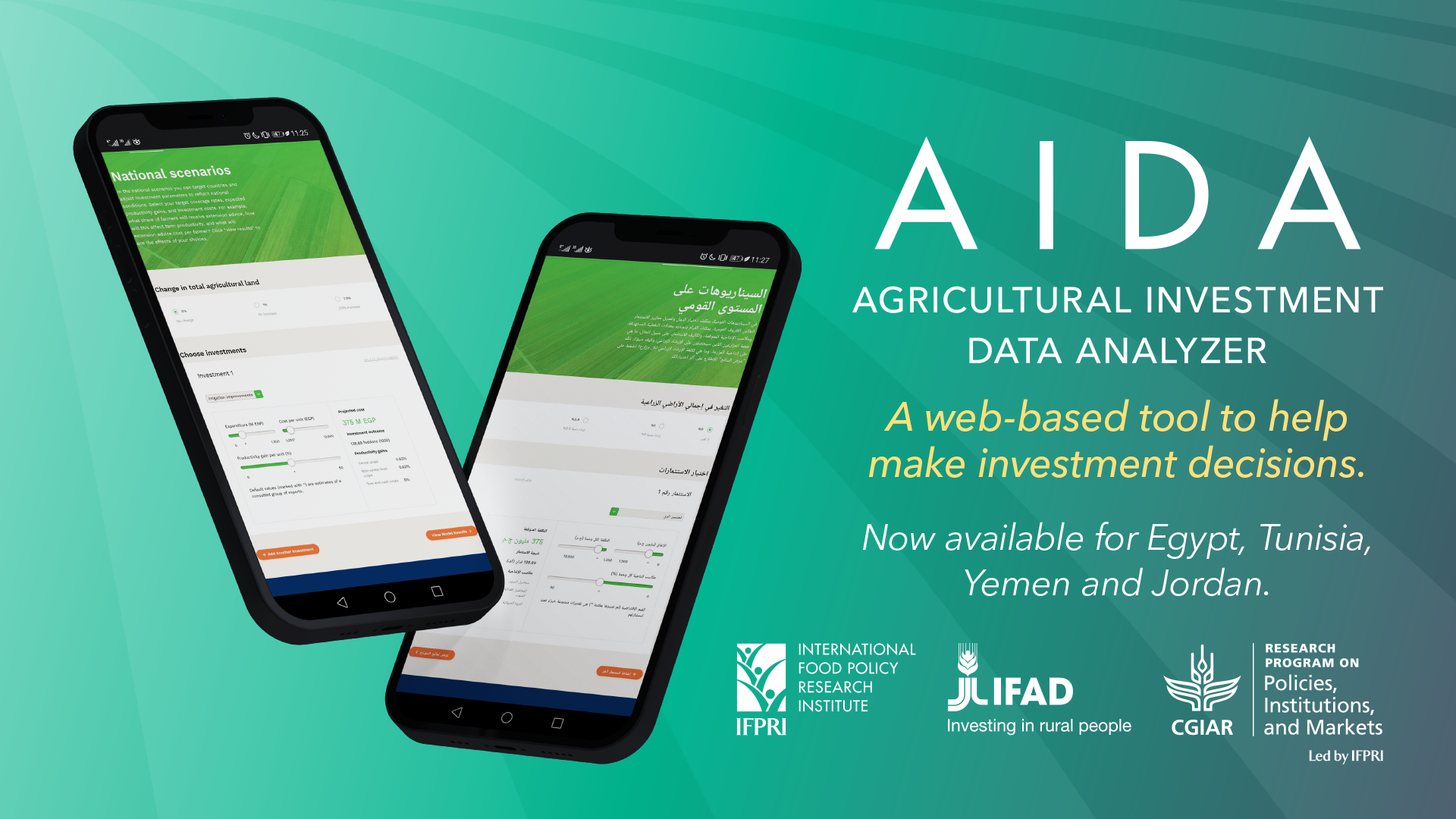
Launch event: Agricultural Investment Data Analyzer (AIDA) guides policy makers on potential economic and social impacts
A new tool now available for Egypt, Jordan, Tunisia, and Yemen.
-
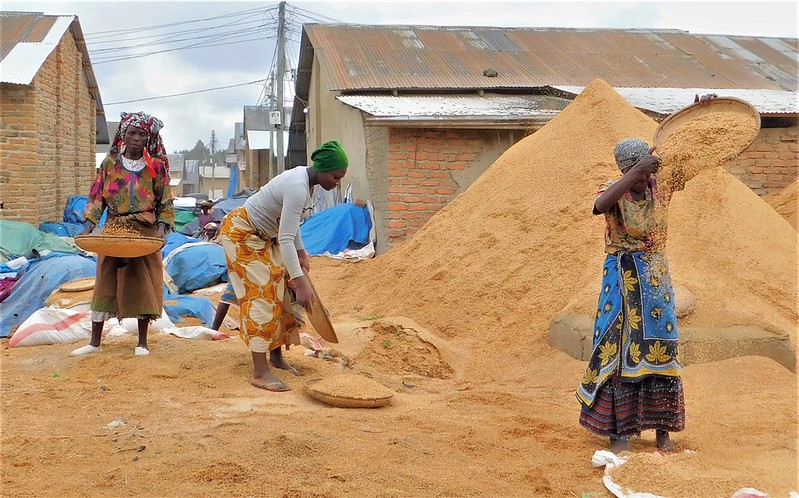
The heat never bothered me anyway: Gender-specific response of agricultural labor to climatic shocks in Tanzania
Heat stress exerts heterogeneous effects by gender, agricultural activity, and household structure.
-
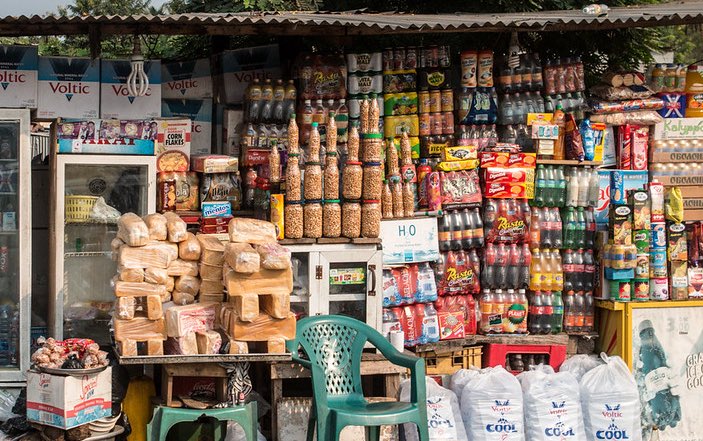
Africa’s processed food revolution and the double burden of malnutrition
Rapid changes in markets and food systems create a new set of problems.
-
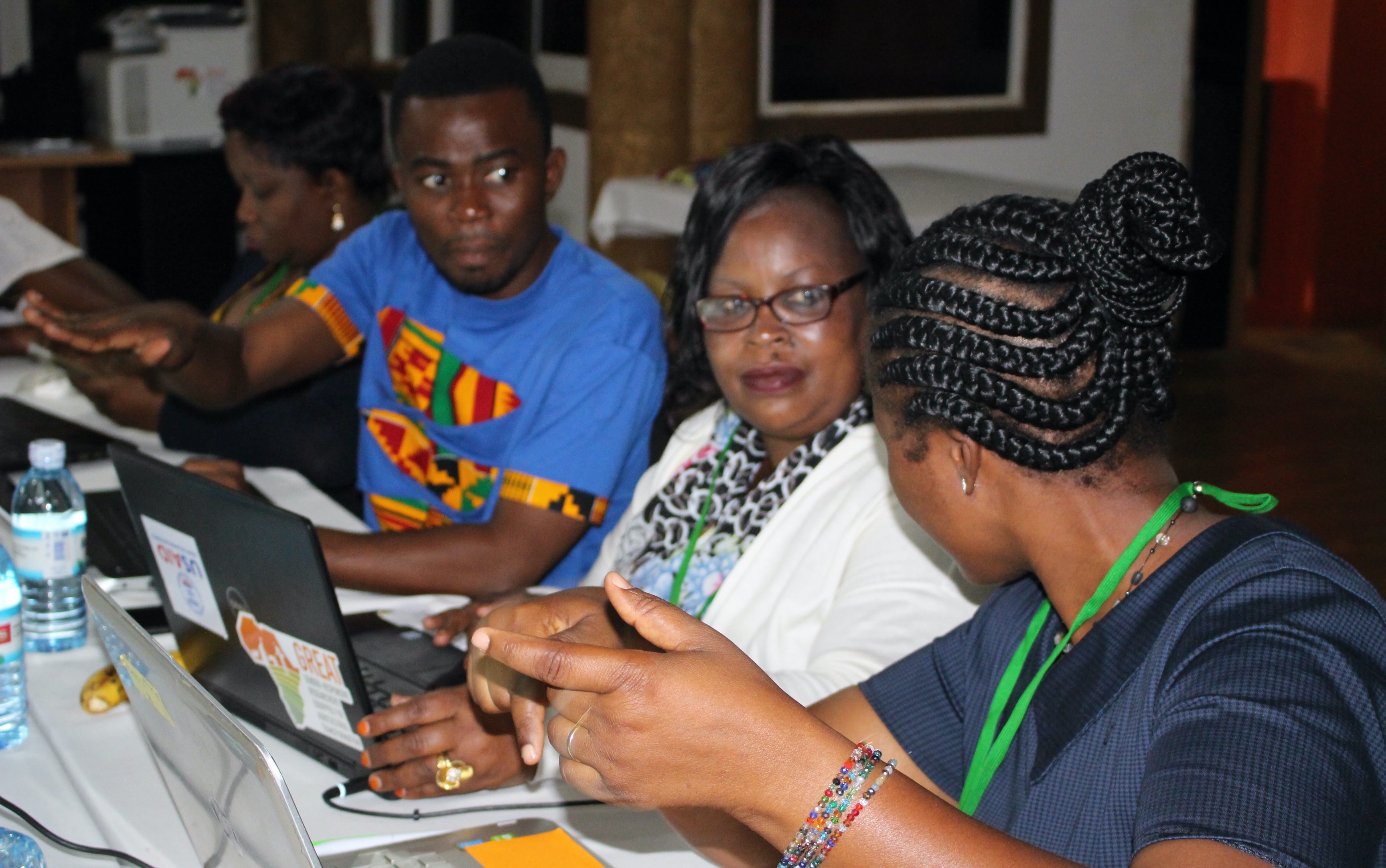
Now available: The project-level Women’s Empowerment in Agriculture Index Distance Learning Module
A new online course launching on International Women's Day offers training for researchers and development practitioners.
-

International Women’s Day 2021: IFPRI resources to foster gender equality in a COVID-19 world
This year's IWD theme is “Women in leadership: Achieving an equal future in a COVID-19 world.”
-
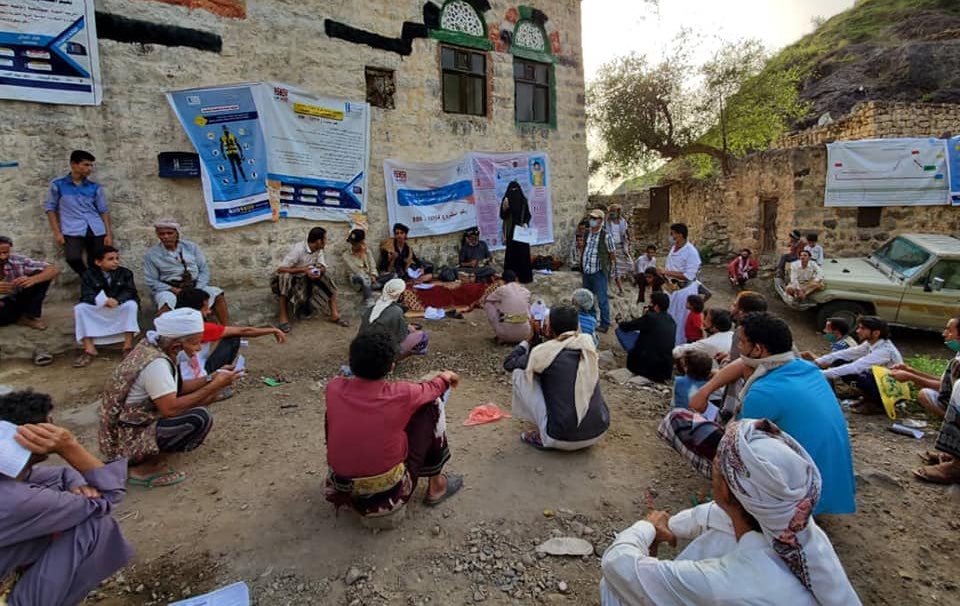
Model: Impact of falling remittances amid COVID-19 on Yemen’s war-torn economy
Losses in income from abroad impact the poorest households most.
-
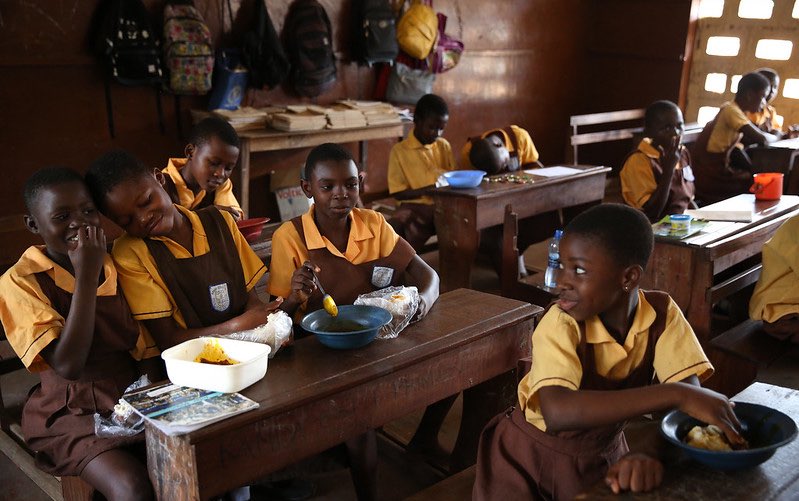
Ghana school lunch program linked to improved learning
A randomized control trial shows positive results on test scores.
-

Book launch: Straight talk about food system challenges
Exploring what works, and what doesn't, to promote health and nutrition.
-
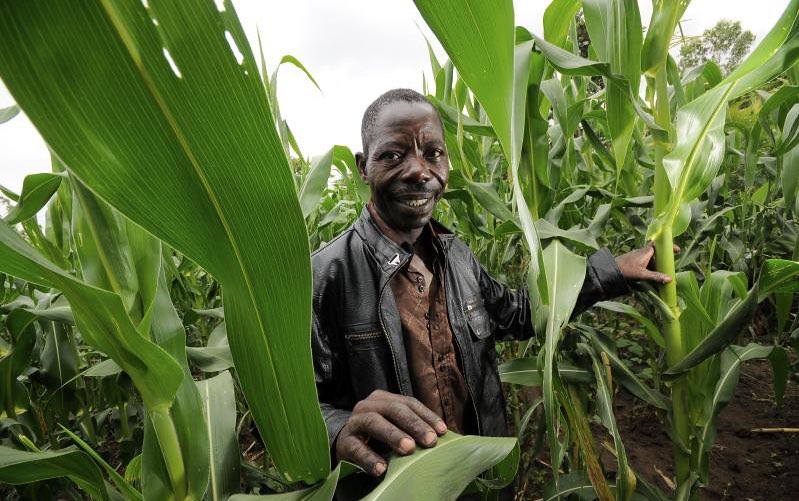
How to encourage farmers to adopt sustainable agriculture
Approaches crucial to address the climate crisis.
-
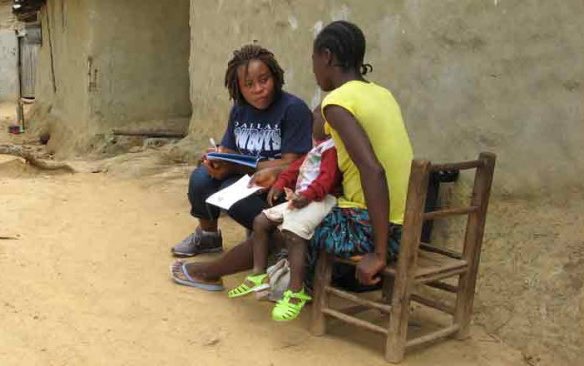
1.15 Million Children, 122,472 communities, 57 countries, 30 years: New dataset combines Demographic and Health Surveys with geographic information systems
Making important connections between agriculture, health, and nutrition.
-
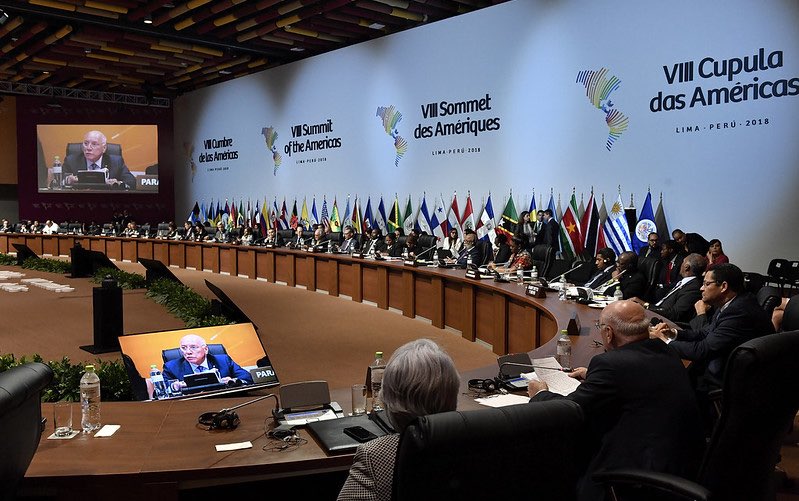
2021 Summit of the Americas: At a precarious moment, an opportunity for a bold regional agenda
Cooperation can help Latin America and the Caribbean confront significant challenges.
-

Cumbre de las Américas 2021: En un momento precario, una oportunidad para una agenda regional audaz
Cooperation can help Latin America and the Caribbean confront significant challenges.
-
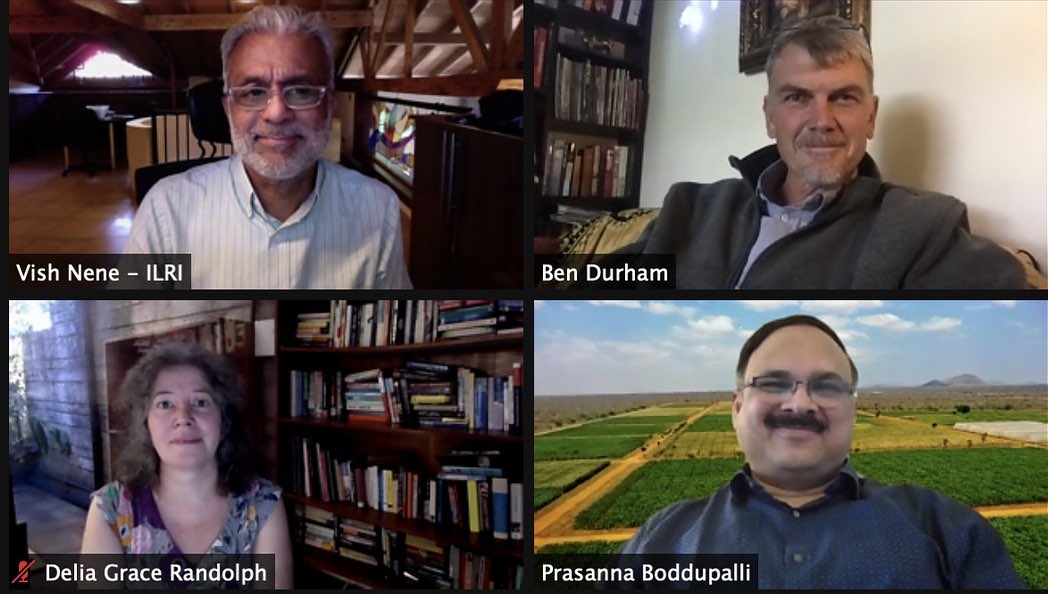
Policy seminar: Rebuilding food and agricultural research institutions in a post-pandemic world
Some reasons for optimism on food system innovation.
-

Can sports and life skills programs improve labor force outcomes for vulnerable youth?
Analyzing impacts of a program in Monrovia, Liberia.
-
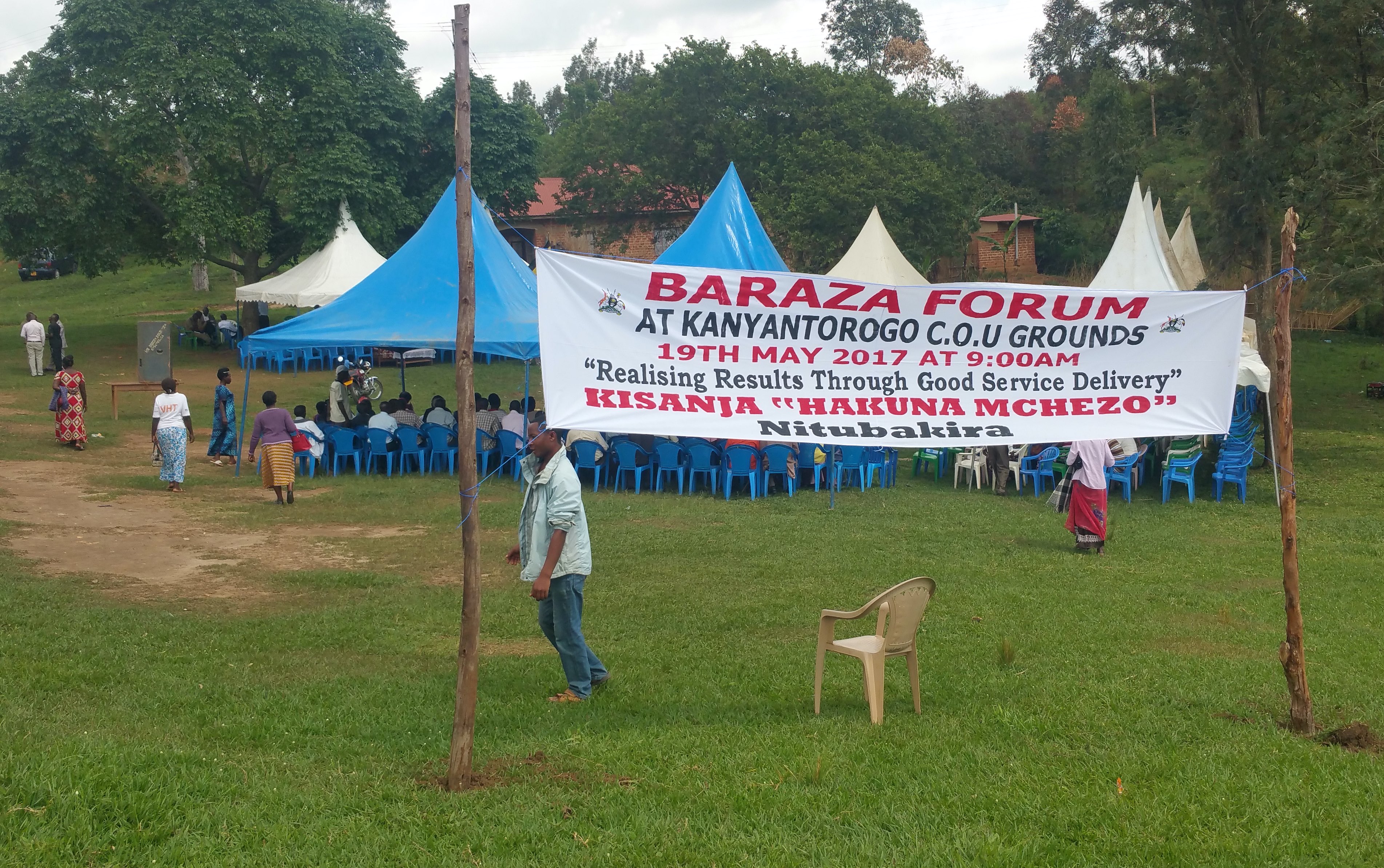
Does bottom-up monitoring improve public services? What we found in Uganda
Community-based accountability meetings called barazas yield positive results.
-
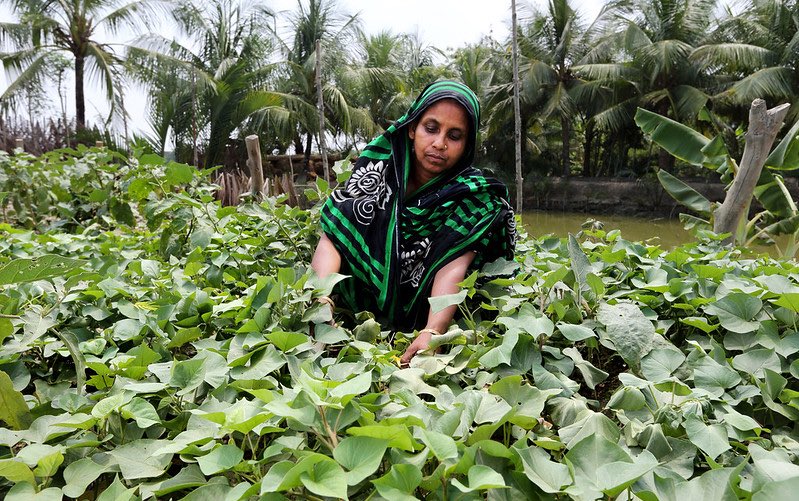
How women’s empowerment can expand crop diversification as a climate adaptation strategy in Bangladesh
Modeling shows participation in production decisions and membership in community groups can yield positive results.
-
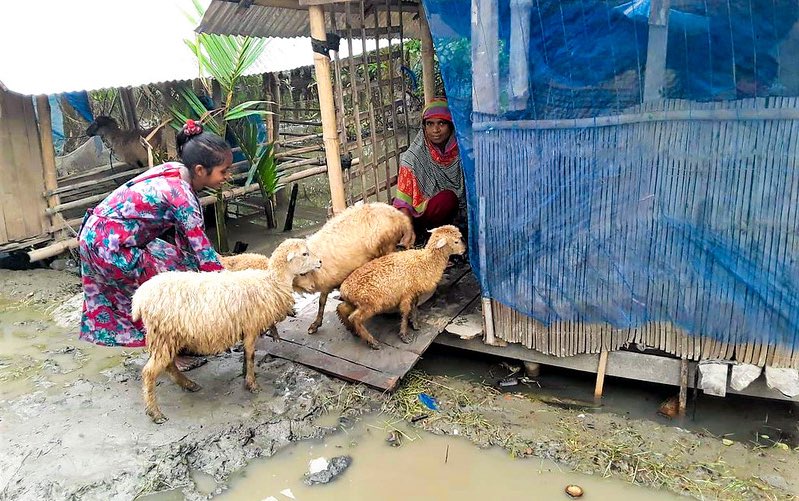
Model: Rising seas may not drive population away from Bangladesh’s vulnerable coast
Undercutting a standard assumption about climate change-driven migration.
-
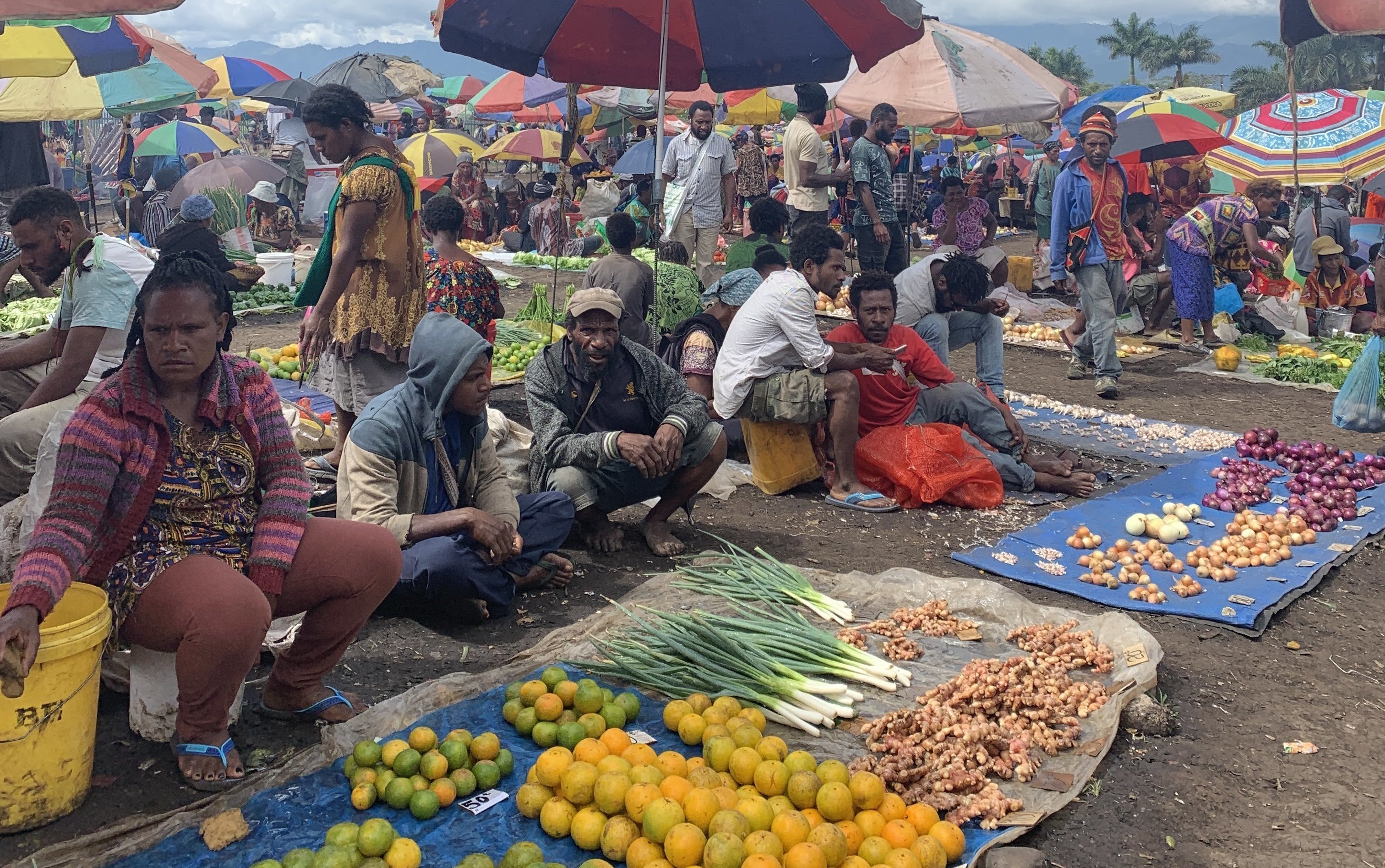
Study: Feeling relatively poor increases support for women in the workplace – but men still don’t want them making household decisions
Working outside the home typically doesn't lead to reduced domestic responsiblities.
-
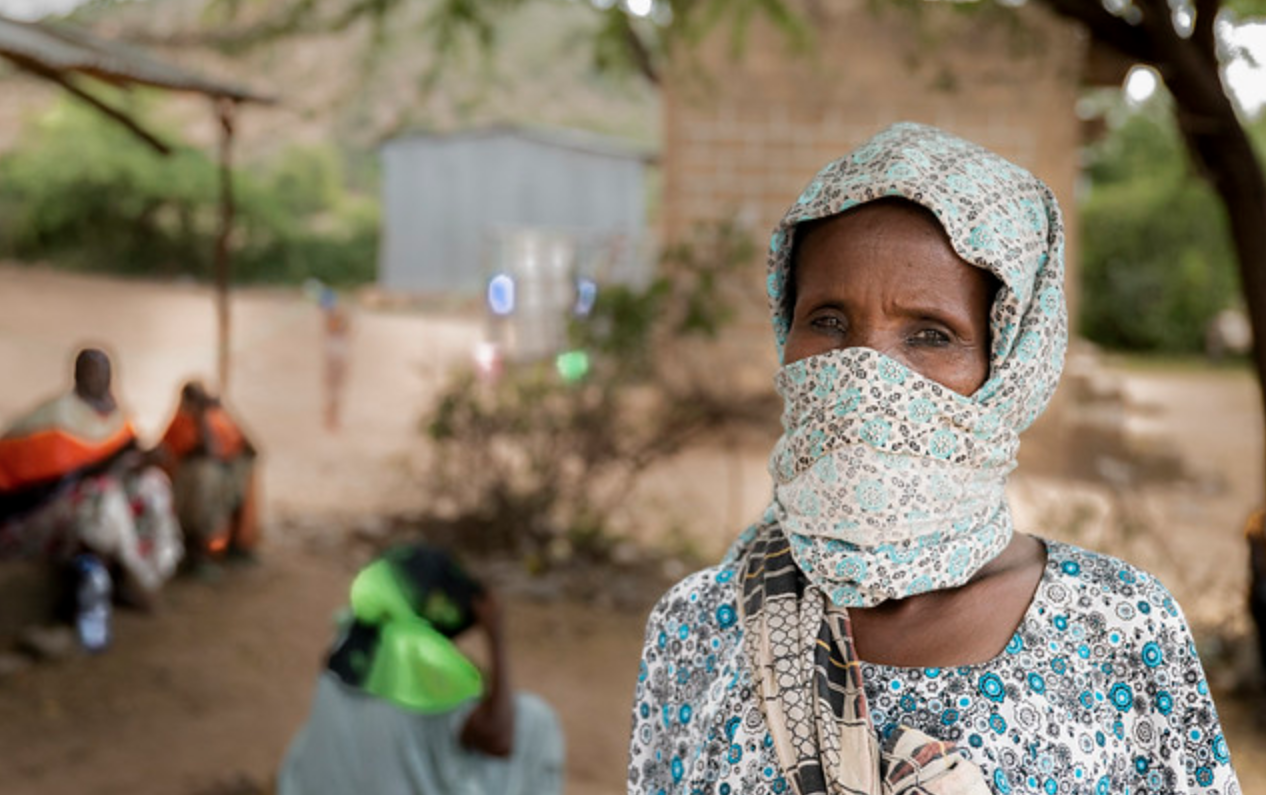
Ethiopia’s social safety net effective in limiting COVID-19 impacts on rural food insecurity
A survey shows such programs can be effective in addressing the impacts of sudden shocks.
-

Policy seminar: Tackling the double burden of malnutrition with double-duty actions
Addressing a growing problem for low-income countries.
-
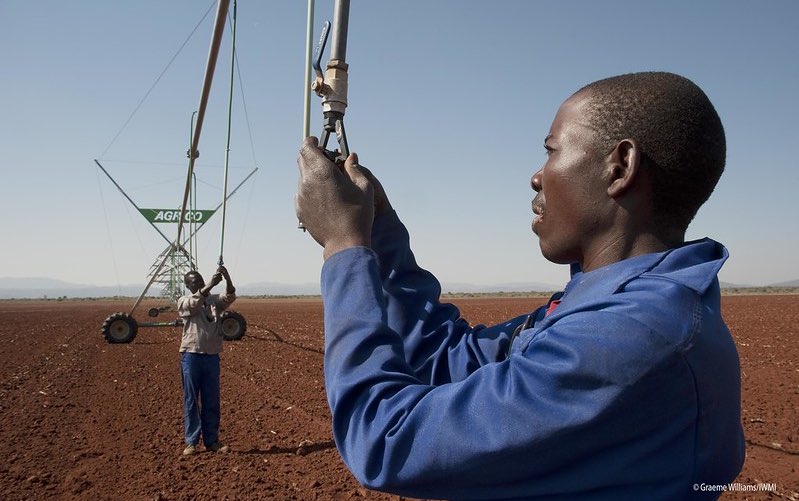
Book: Global perspectives on agricultural development
Exploring challenges ranging from climate change to value chains.
-
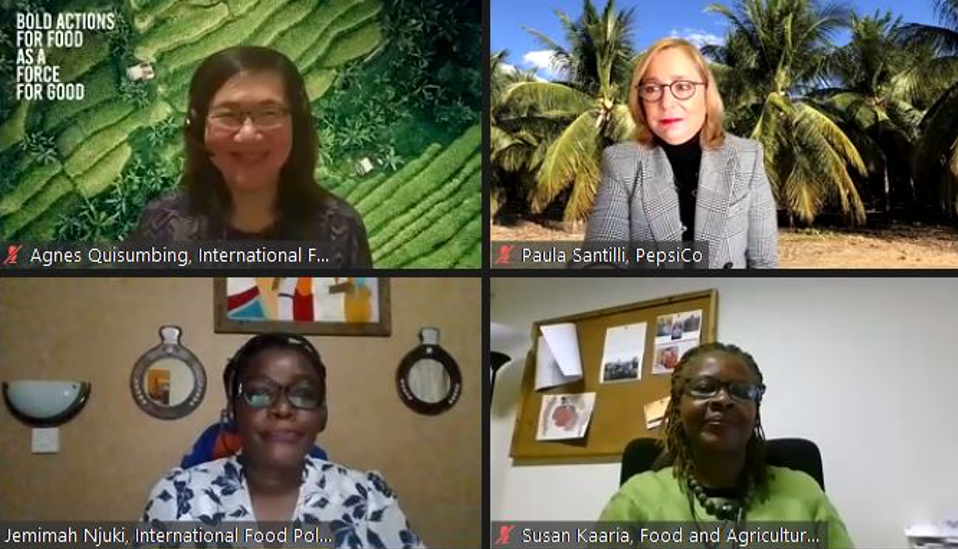
WEF event: Building gender equitable food systems
Strategies for women's empowerment.
-

Forman Lecture: Ellen Piwoz’s playbook for the future of global nutrition
Seizing opportunity from the jaws of the COVID-19 crisis.
-
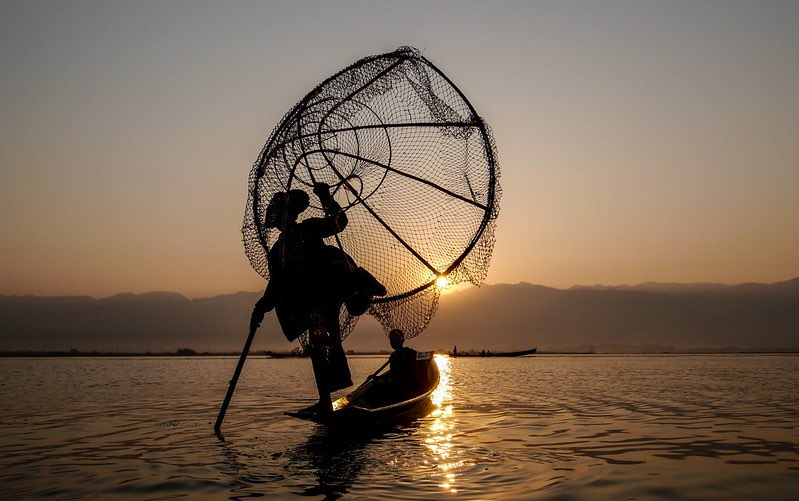
Agricultural value chain finance can help drive Myanmar’s agricultural growth
Overcoming limited access to banking and other services.
-
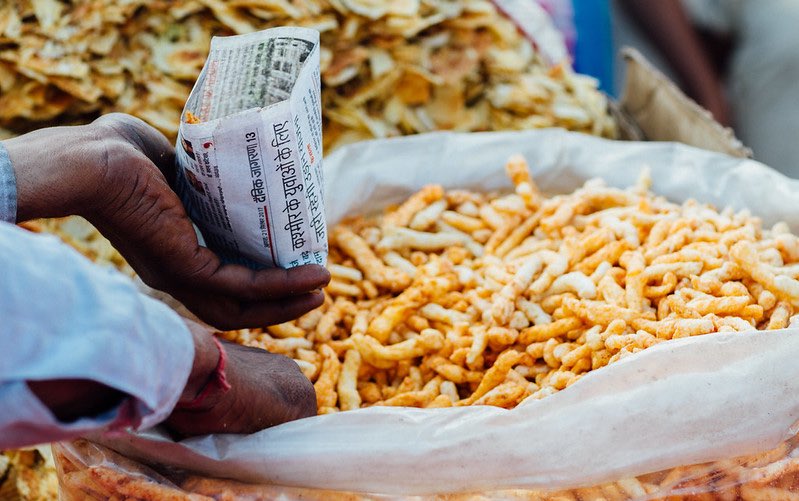
New India National Family Health Survey data shows worrying trends on anemia, overweight
A rapid analysis reveals urgent problem areas and directions for further research.
-
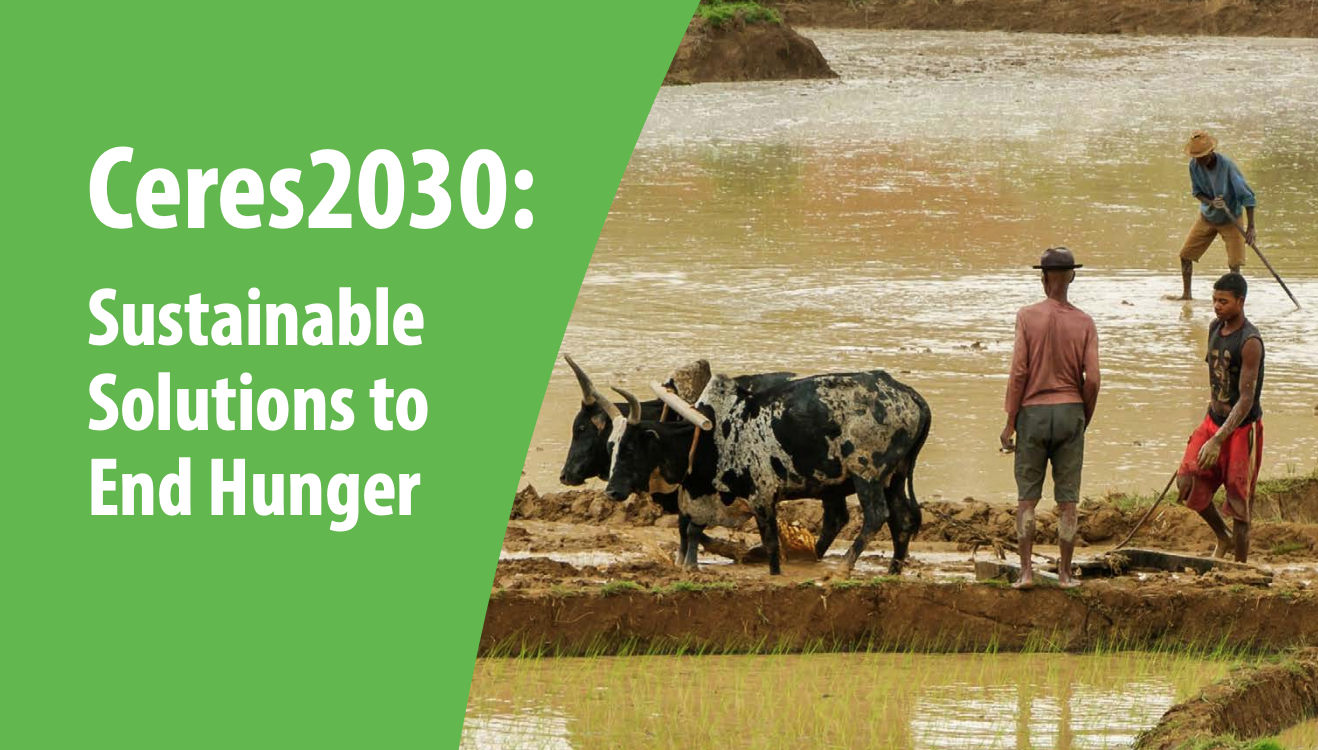
Big costs, bigger rewards: How $33 billion in spending each year can help end hunger sustainably by 2030
Outlining a path to global food security.
-
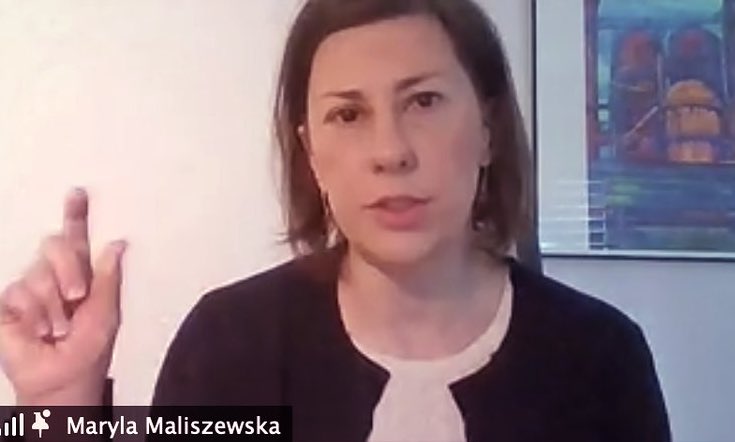
Policy seminar: Prospects for the African Continental Free Trade Area
Assessing the new pact's diverse potential impacts on incomes and economies.
-
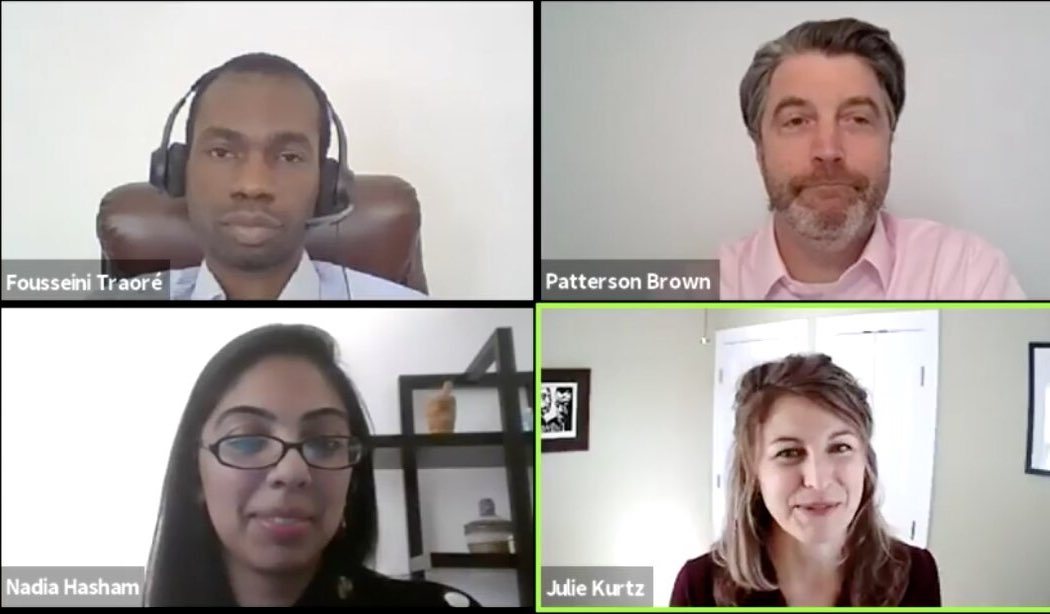
Policy seminar: The hidden world of informal African trade
Better data collection is crucial for understanding an important source of employment and income.
-

Policy seminar: Expanding policy research to strengthen Eurasia’s food systems
COVID-19 and other challenges to regional food security.
-
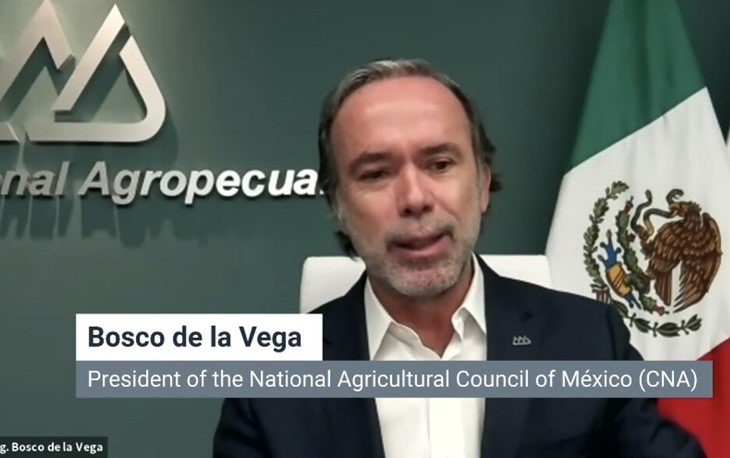
Policy seminar: Promoting recovery and resilience for Latin America’s agrifood industry
How agriculture and food value chains are weathering the pandemic.
-
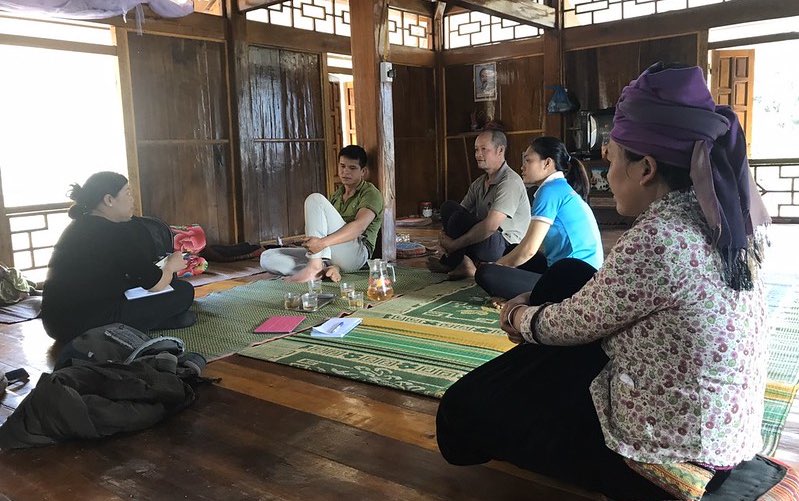
Does response fatigue bias our understanding of rural livelihoods against women and youth?
Identifying a problem in household surveys.
-
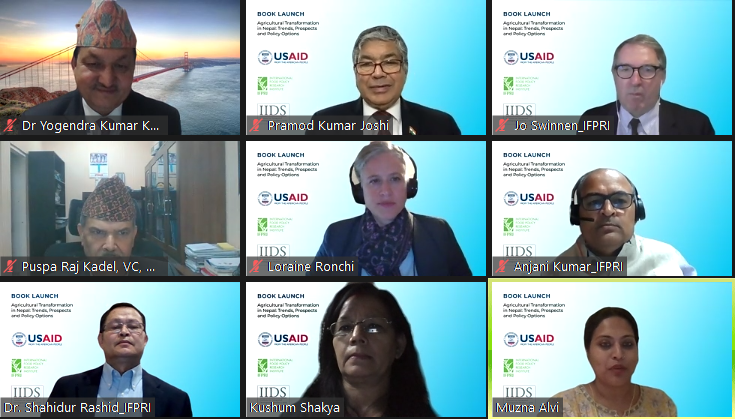
Book launch: Prospects for Nepal’s agricultural transformation
Boosting production of cereals and high-value food products can improve rural livelihoods.
-
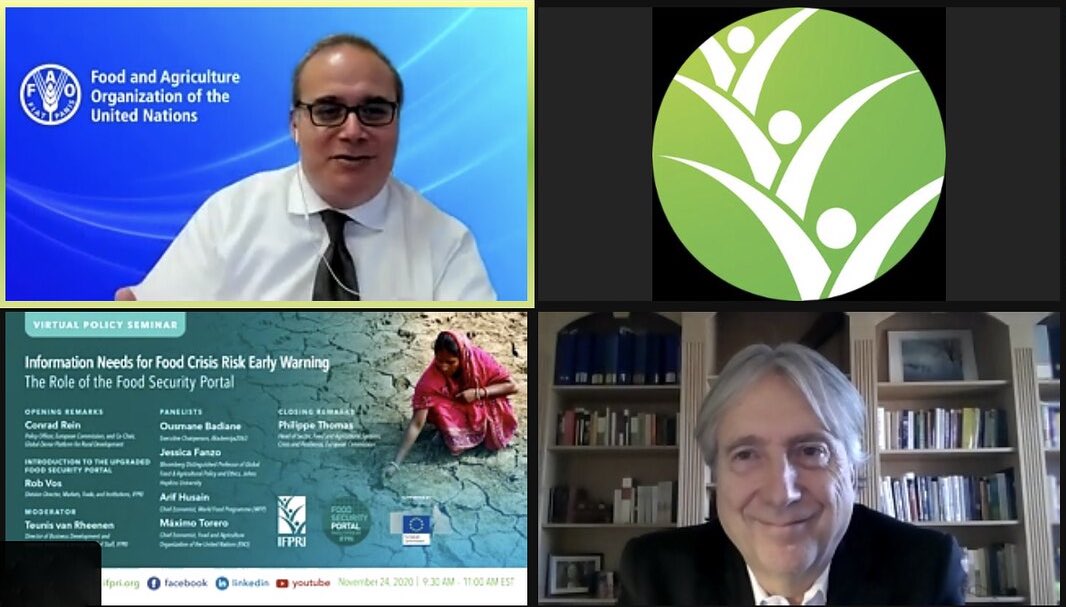
Policy seminar: Information and collaboration both key to preventing food crises
The COVID-19 pandemic puts renewed focus on price monitoring tools.
-
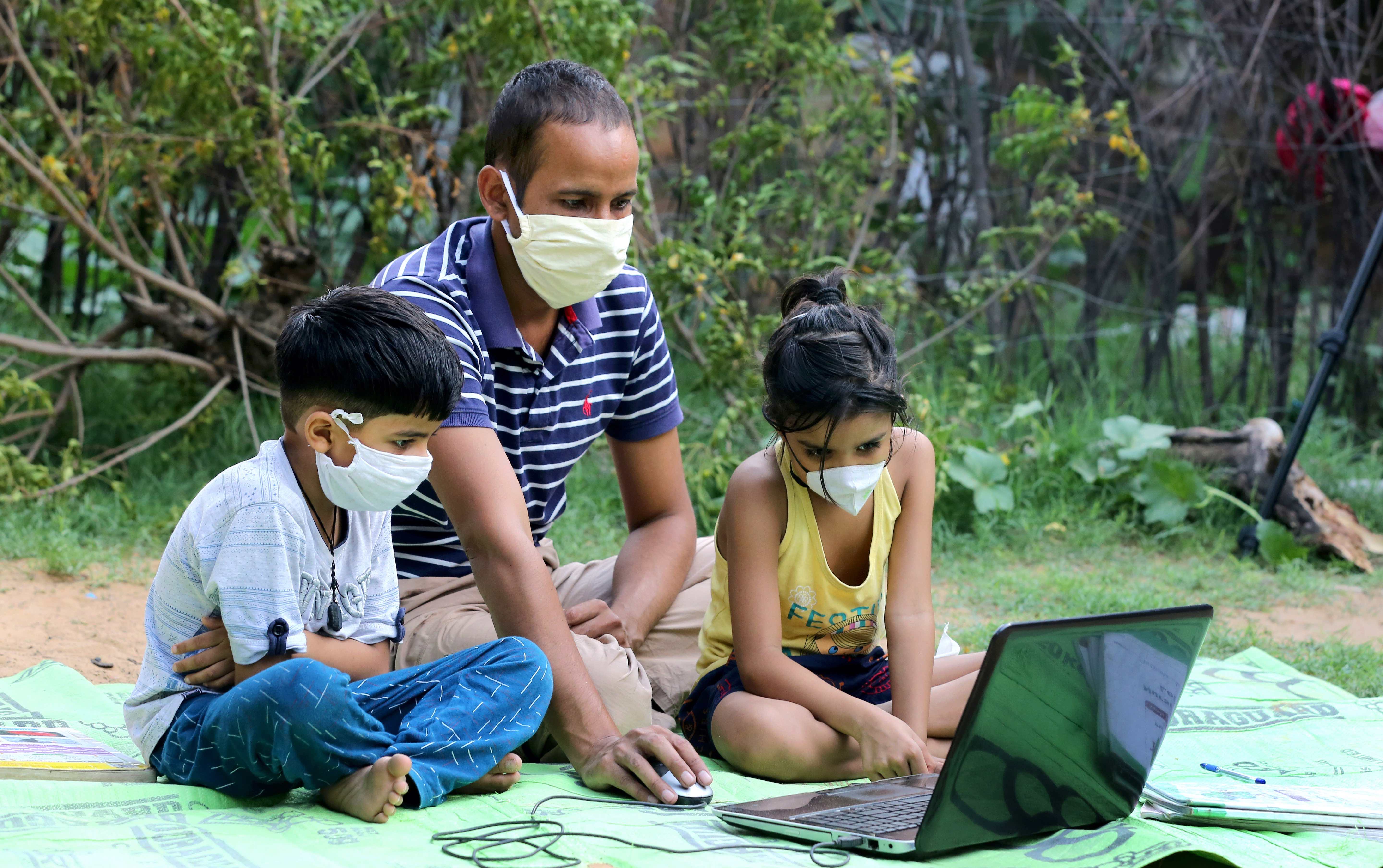
How to support students and the learning process during India’s COVID-19 school closures
Promoting creative alternatives to the classroom during lockdowns can have far-reaching effects.
-

Using coffee ceremonies to address intimate partner violence in Ethiopia: Evidence from Unite for a Better Life
A promising approach for low-income and rural areas.
-

IFPRI book: What Africa can learn from Asia about agricultural mechanization
Lessons for overcoming market failures and other problems stifling innovation.
-
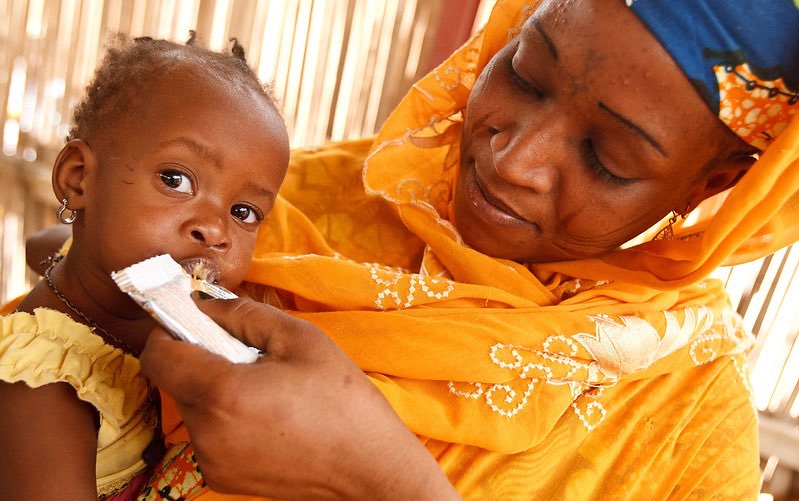
Estimating the burden of child acute malnutrition accurately
Current global numbers are likely undercounts.
-

Reducing air pollution in China’s urban areas can improve local housing markets
Positive local impacts from moving coal-fired power plants.
-
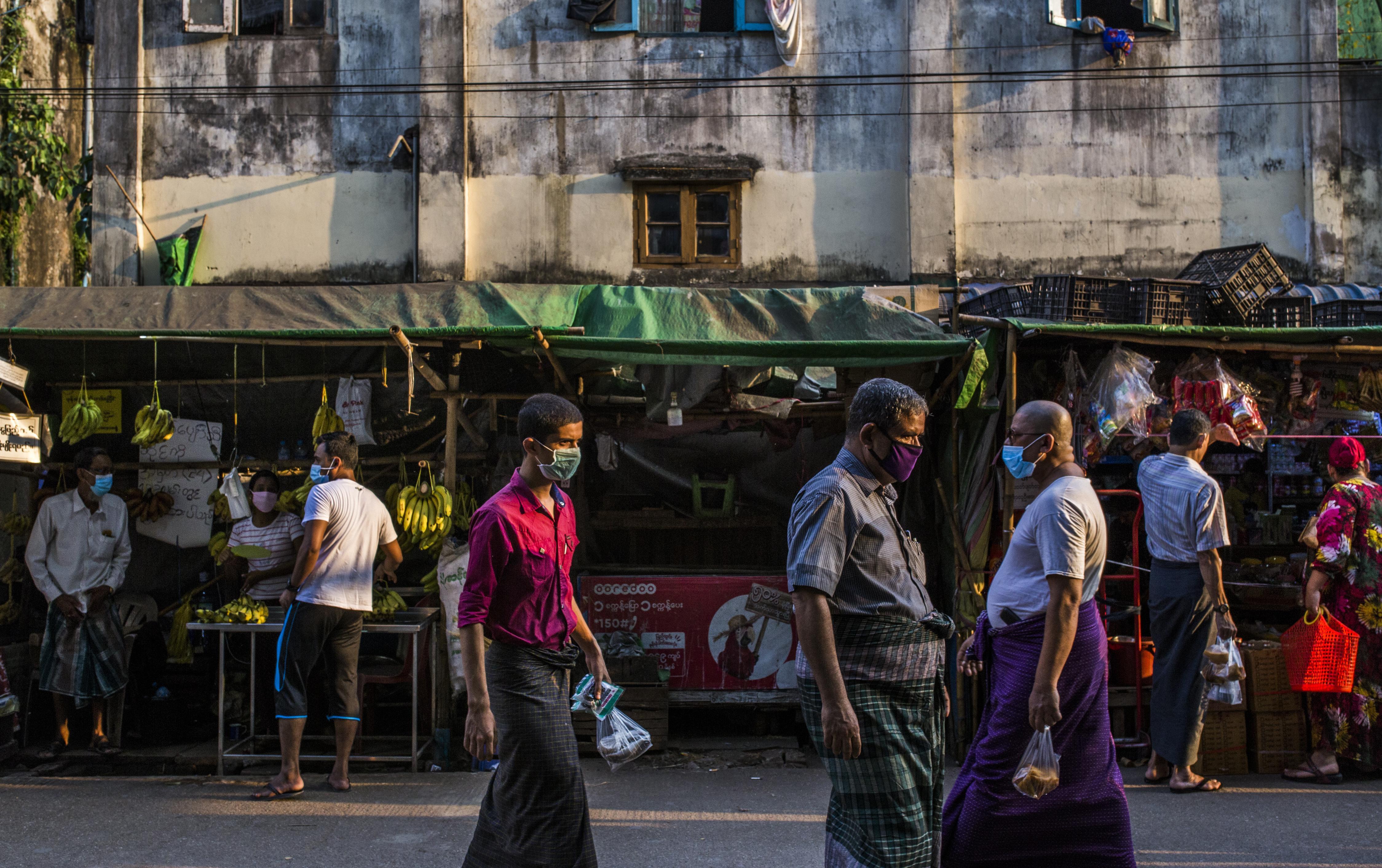
Waves of disease, waves of poverty: New evidence on the economic impacts of COVID-19 in Myanmar
Lockdowns lead to sharp spikes in poverty.
-
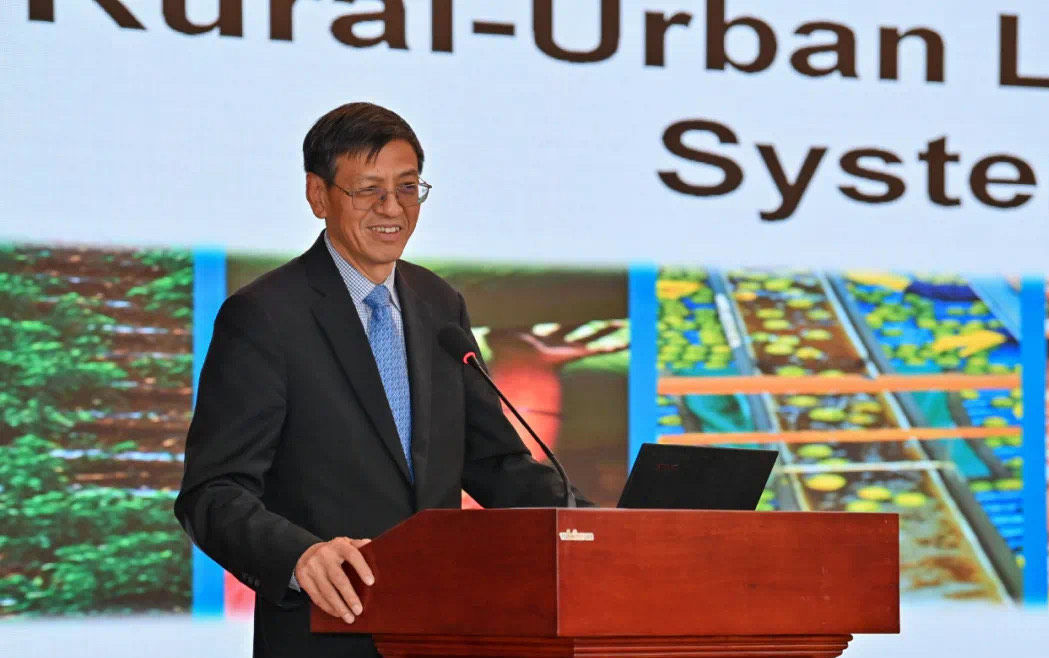
2020 CAER-IFPRI Annual Conference: Boosting China’s urban-rural integrated development
Despite economic growth, agricultural transformation lags.
-
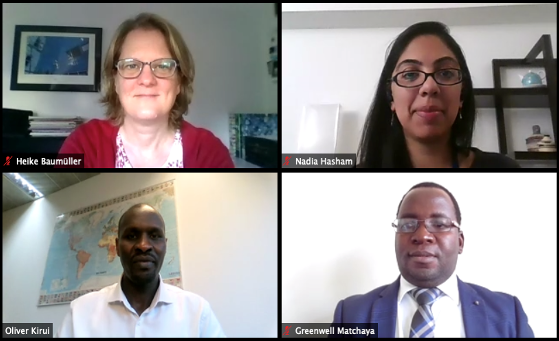
2020 ReSAKSS Conference: Learning from past policy mistakes and achievements to transform African agrifood systems
COVID-19 presents new challenges for the continent.
-
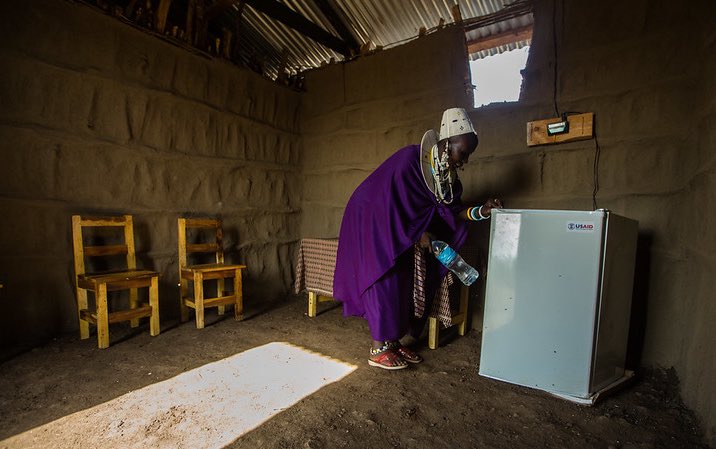
Why the G20 needs to focus on energizing food systems in Africa
Renewables are key for building sustainable agriculture and long-term food security.
-
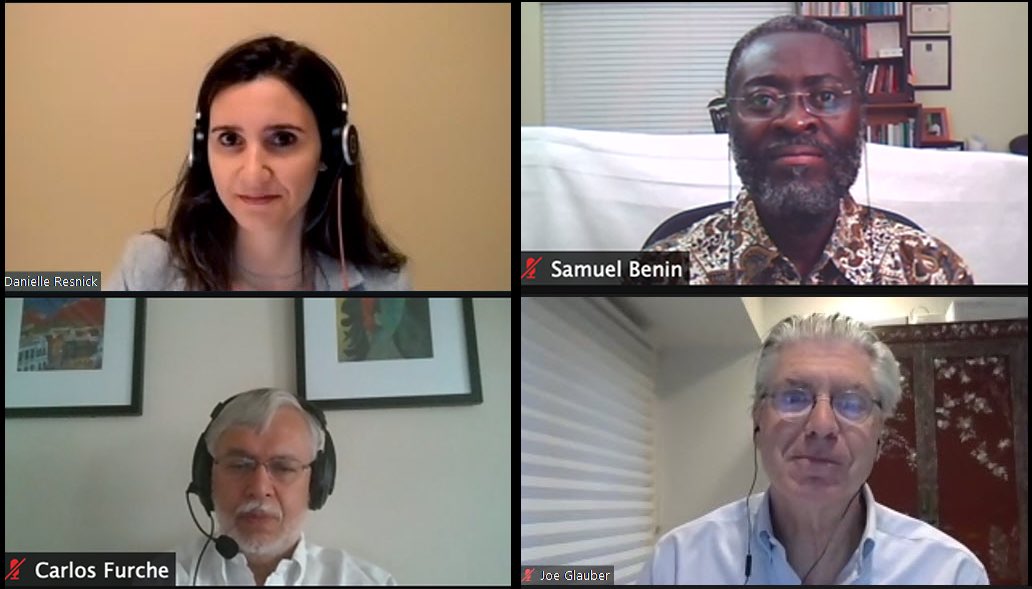
Policy seminar: The political economy of COVID-19 and impacts on food policies around the world
The pandemic disrupts country budgets, programs, and planning.
-
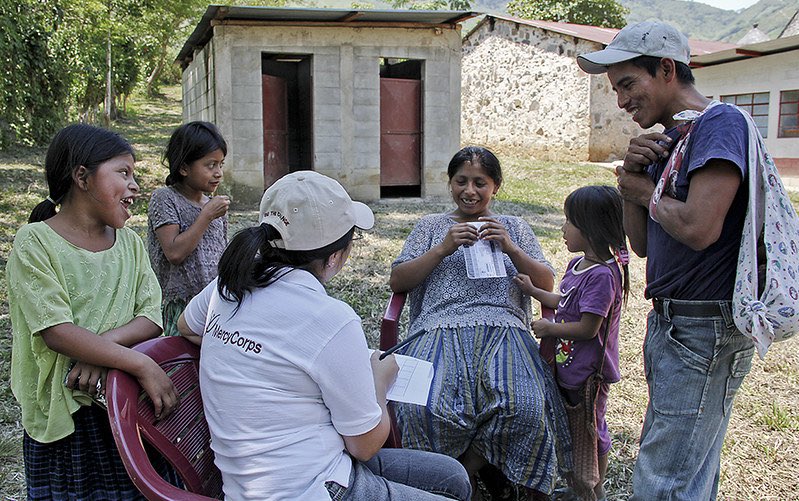
The cost of improving nutritional outcomes through food aid programs: Is more and longer better?
Evidence shows that these programs can work, but are the costs reasonable?
-
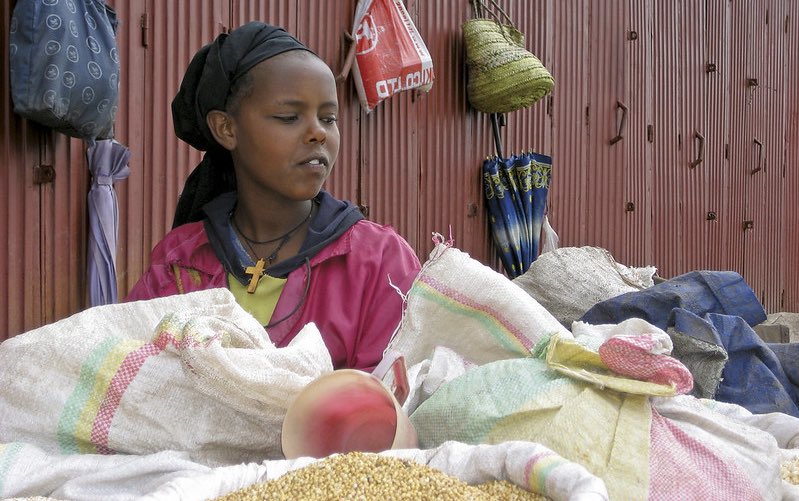
Climate shocks reduce temporary urban out-migration rates in Eastern Africa
Heat waves and heavy rainfall events appear to limit opportunities for urban migrant workers.
-
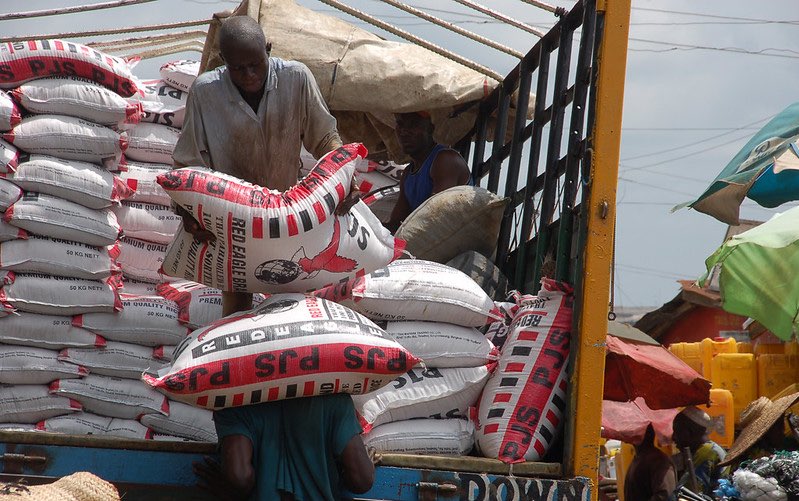
Crowdsourced data reveals threats to household food security in near real-time during COVID-19 pandemic
A project in Nigeria pinpoints price spikes.
-
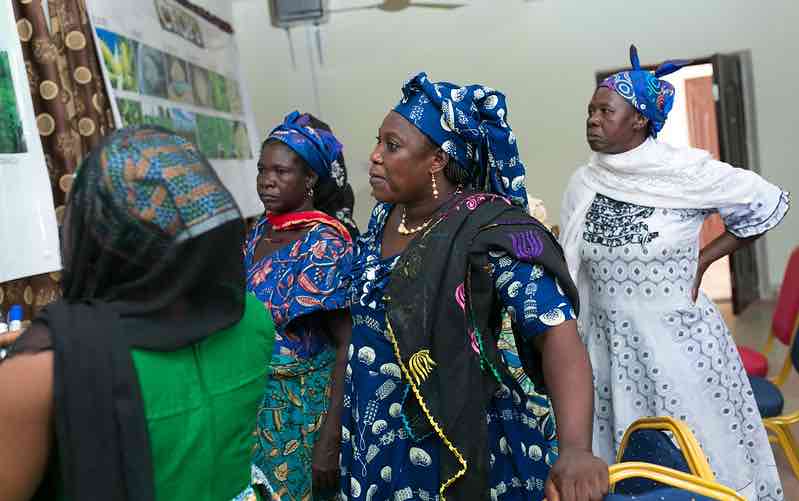
Landownership and the gender gap in agricultural decision-making in northern Ghana
Owning land does not always translate to empowerment for female farmers.
-
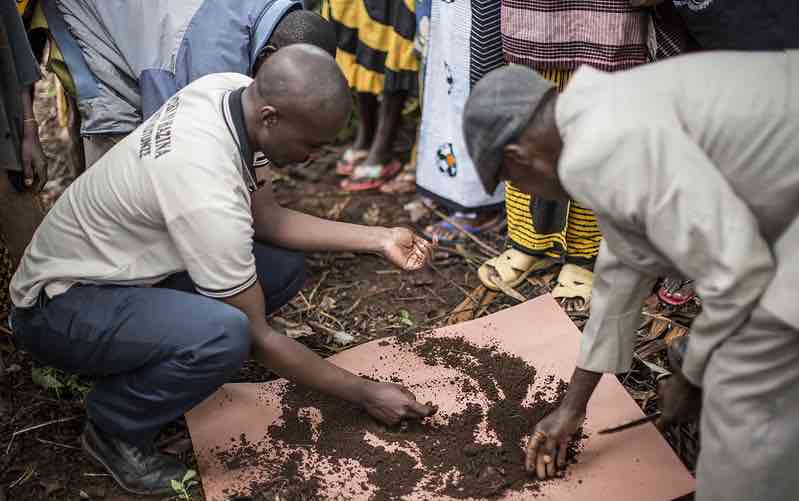
Measuring the true cost of food
What the consumer pays rarely incorporates many social and environmental impacts.
-
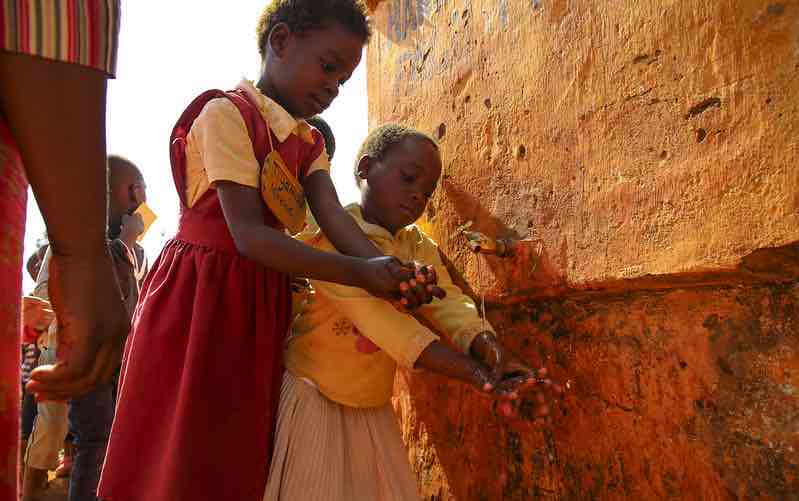
Investing in nutrition through early childhood development in Malawi: Assessing costs and benefits
The SEEMS-Nutrition initiative offers a set of tools for project evaluations.
-
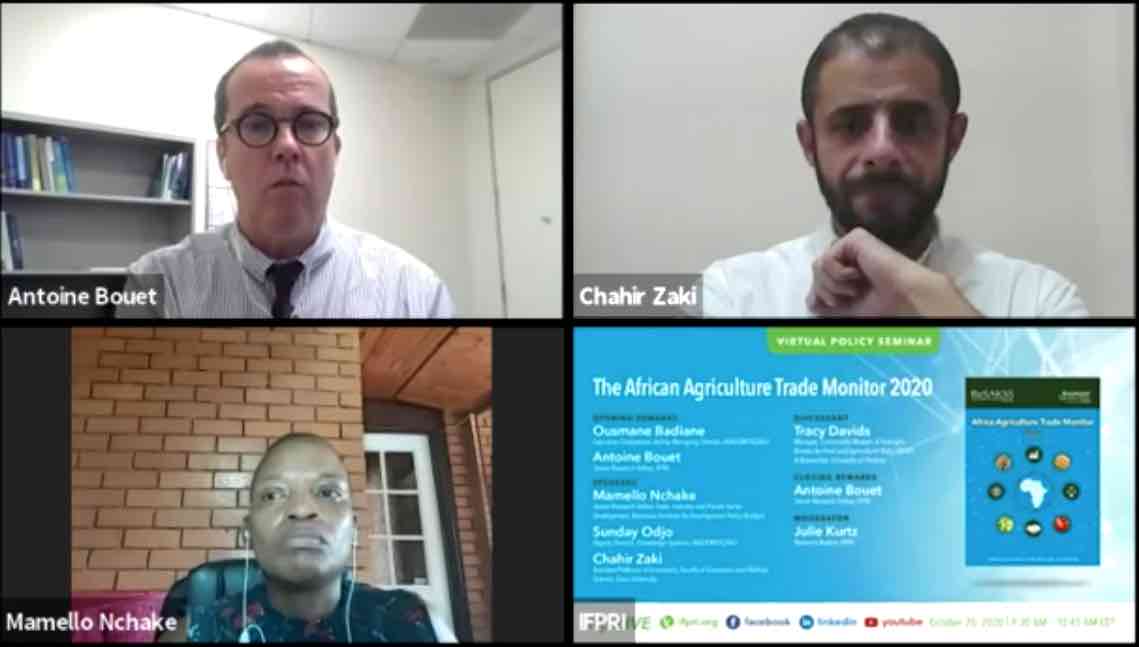
Policy seminar: AATM report examines challenges to African agricultural trade
New pressures from COVID-19, the African Continental Free Trade Area, and other issues.
-
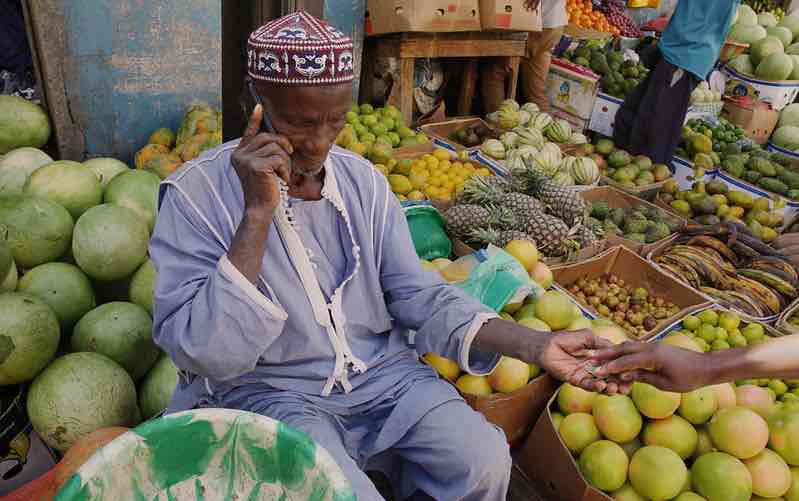
Making digitalization work for African agriculture: The role of the enabling environment
A key tool in food system transformation.
-
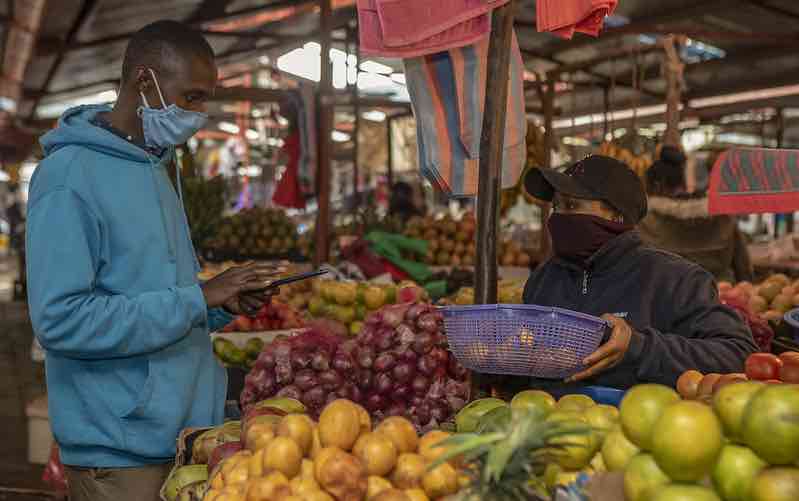
Flattening the curve on foodborne illness and its costs in Africa
A “business as usual” approach to food safety will do little to check the health threats in many countries.
-
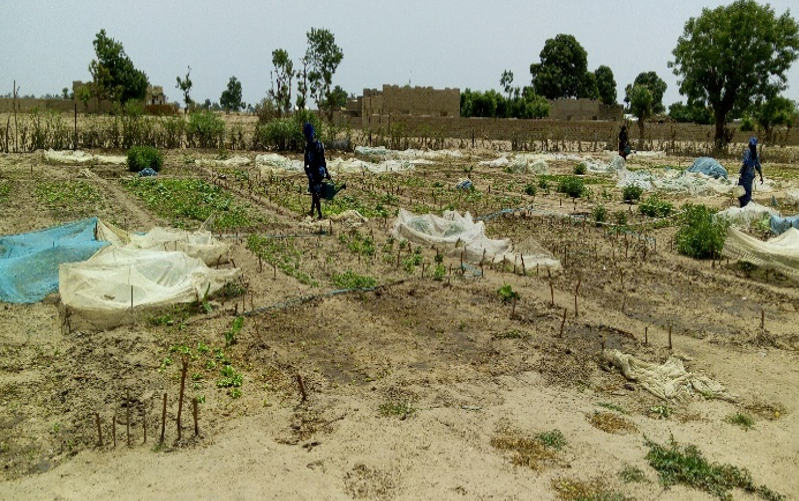
Boosting African agricultural growth and transformation: The importance of producer organizations
Collective action provides a way for smallholders to overcome market obstacles.
-
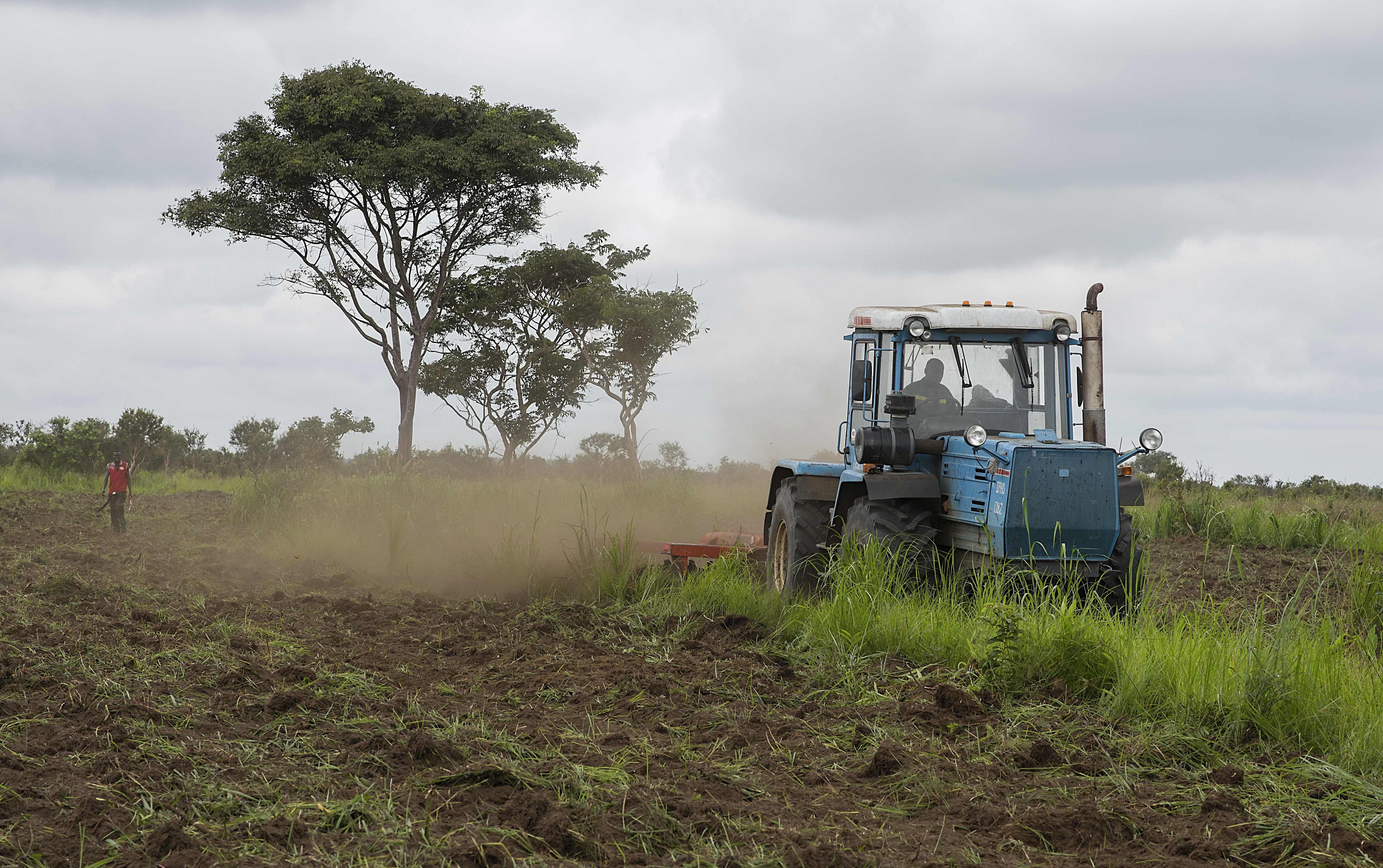
In search of effective support for agricultural mechanization in Africa
Rising food demand and a shrinking rural labor pool have made the need for tractors and other machines increasingly urgent.
-
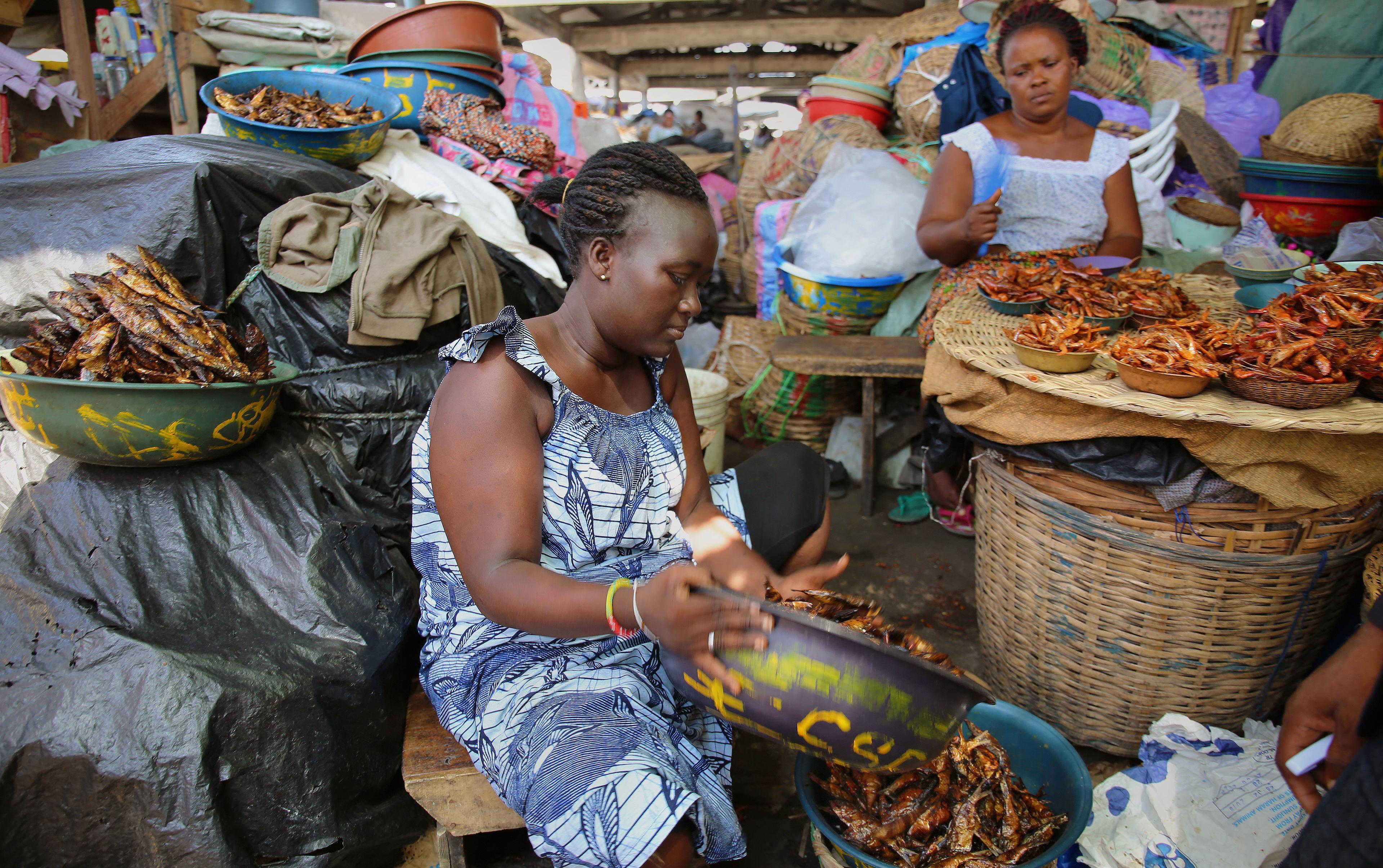
Growing cities, growing food insecurity: How to protect the poor during rapid urbanization
The relative abundance of food in cities does not mean that everyone has equal access to safe, diverse, healthy, and affordable diets.
-
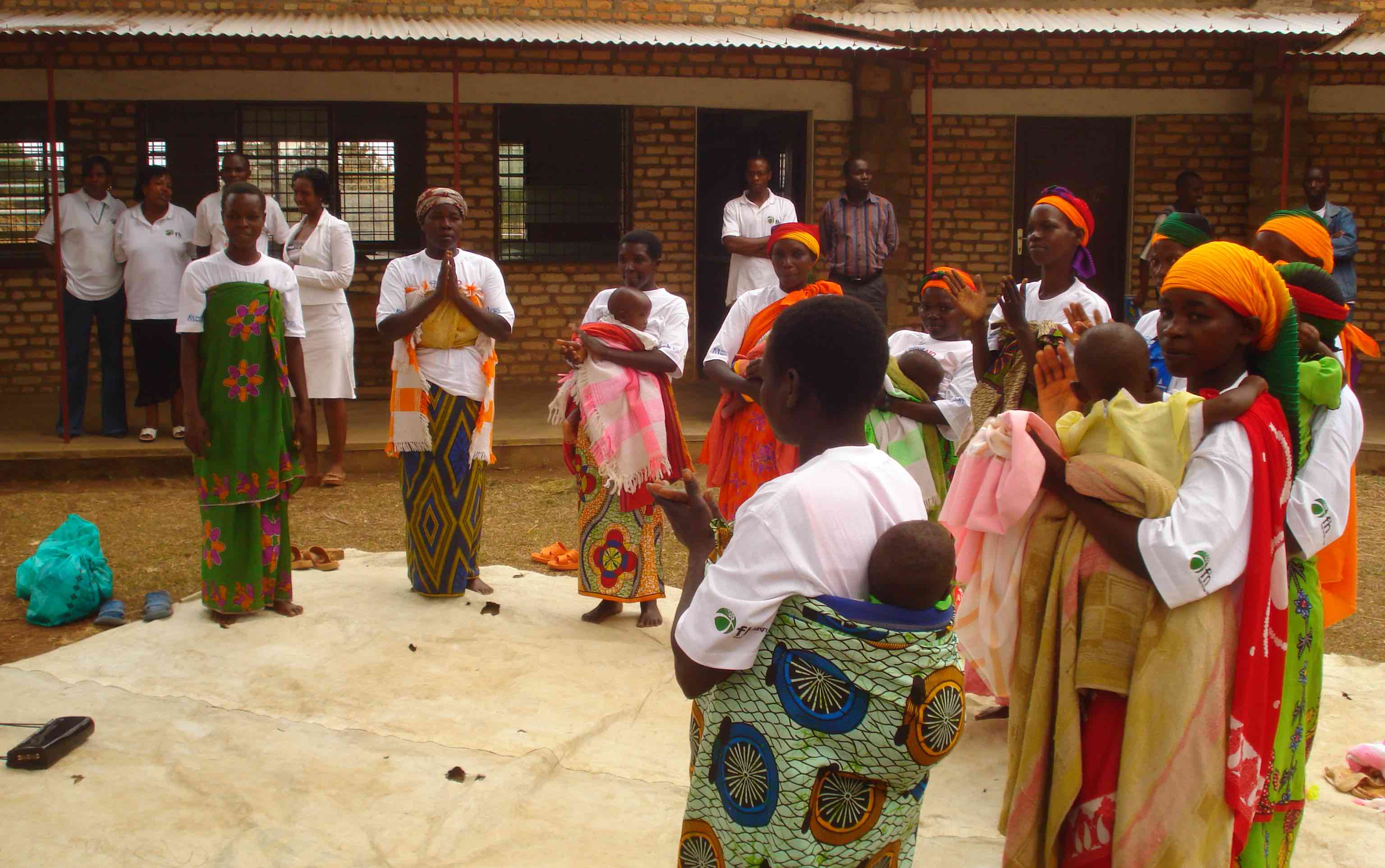
Optimizing food assistance programs: Improving household food security and diet quality in Burundi
A program combining nutritious rations with behavior change communication yields positive results.
-
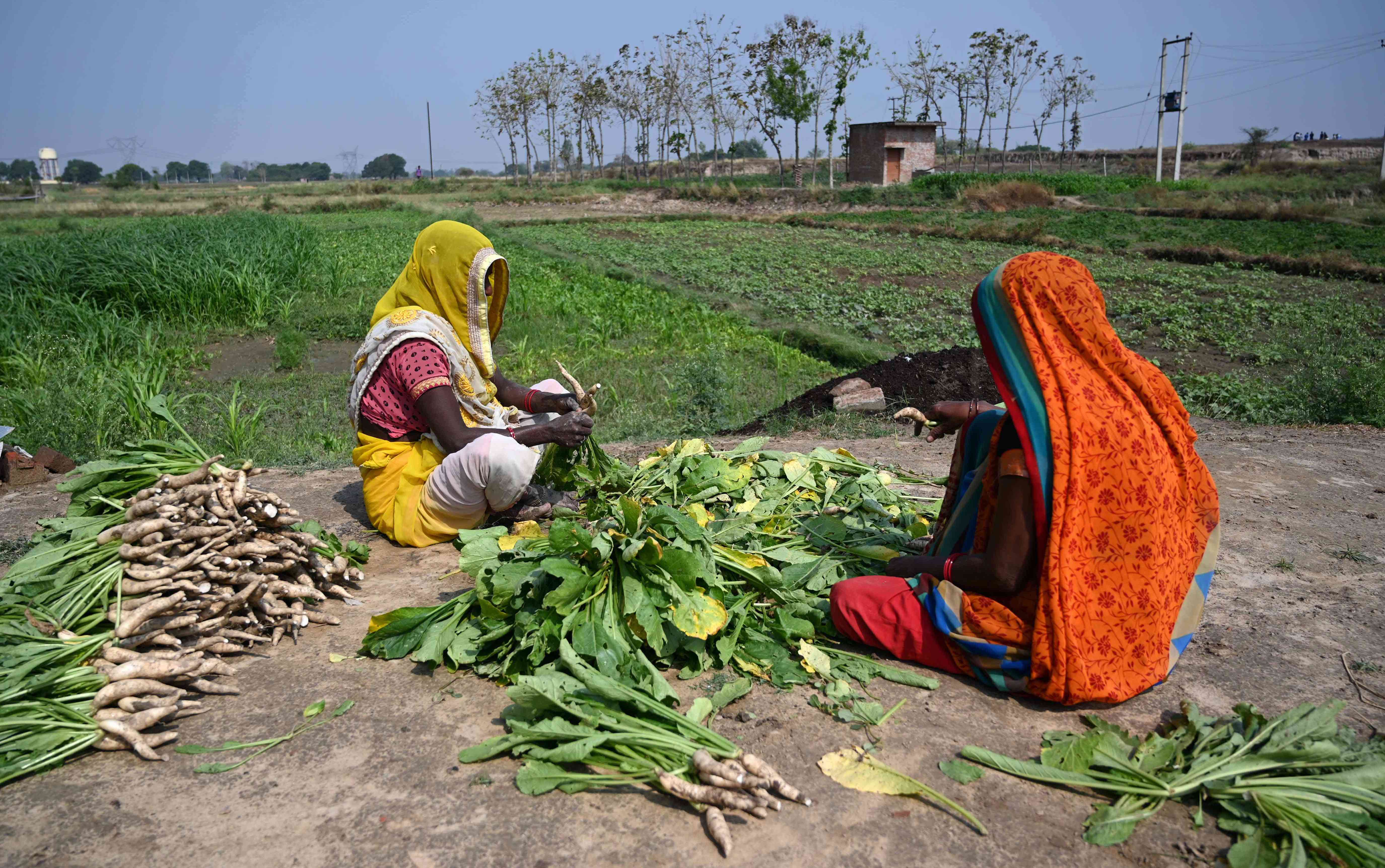
COVID-19 crisis: An opportunity for long-delayed agricultural reforms in India
Three new laws aim to provide more market access for farmers and stimulate private investment.
-
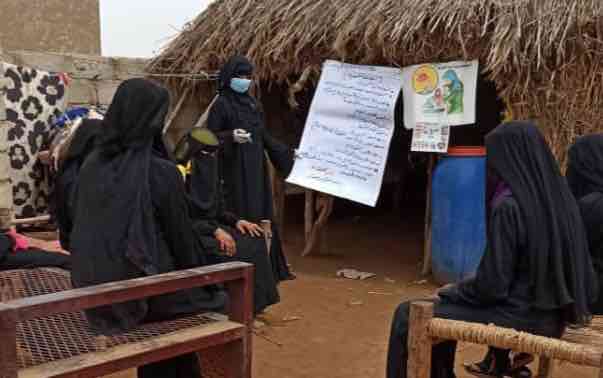
Behavior change communication in conflict zones: Program leads to improved breastfeeding and water treatment practices in Yemen
Nutritional training sessions combined with cash transfers yield positive results.
-
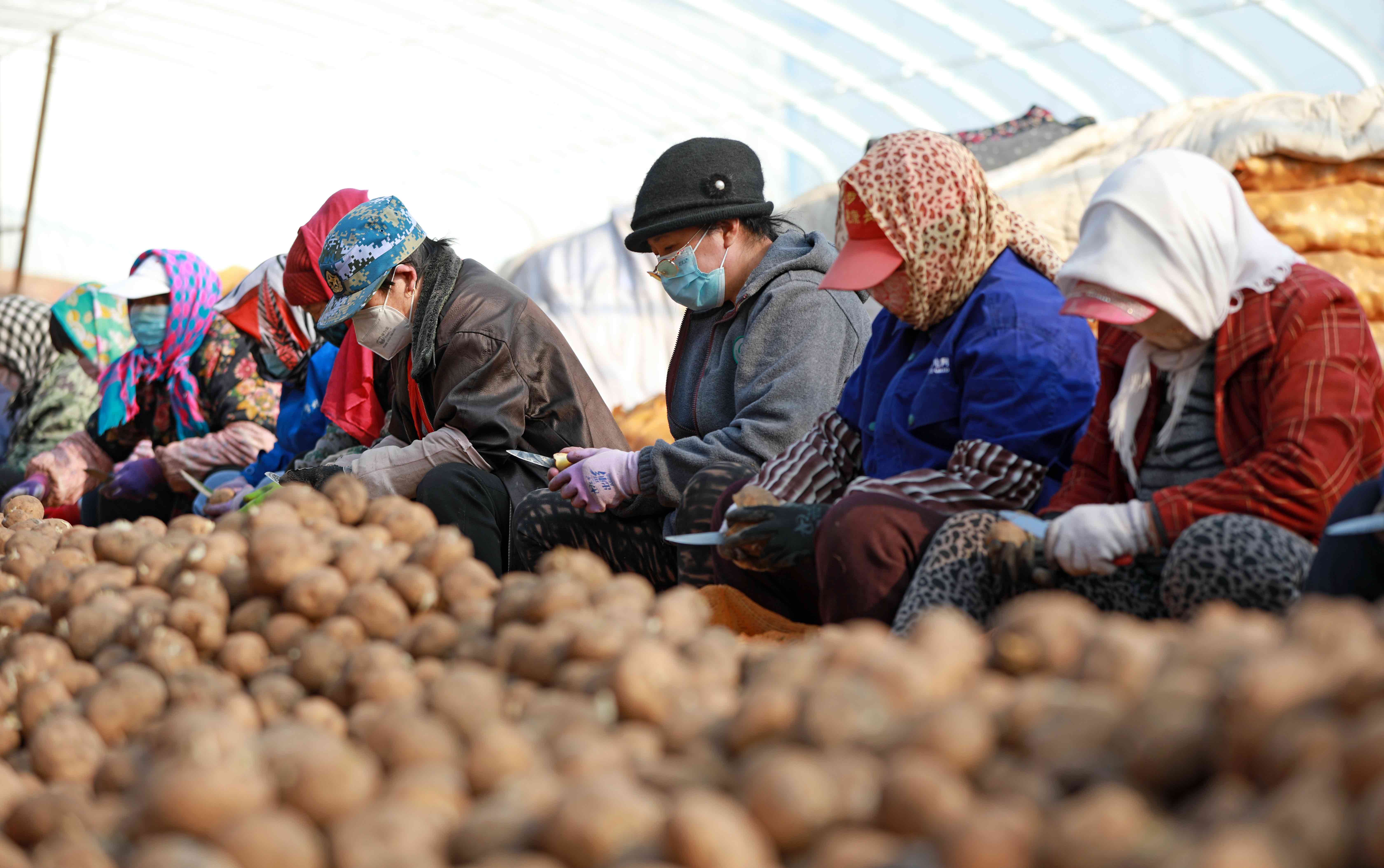
Survey: China’s small and medium-sized enterprises rebounded after the COVID-19 lockdown, but economic problems linger
SMEs experienced a V-shaped recovery.
-

Book launch: Casting light on the ‘Invisible China’
Rural areas lag in China's ongoing economic transformation.
-
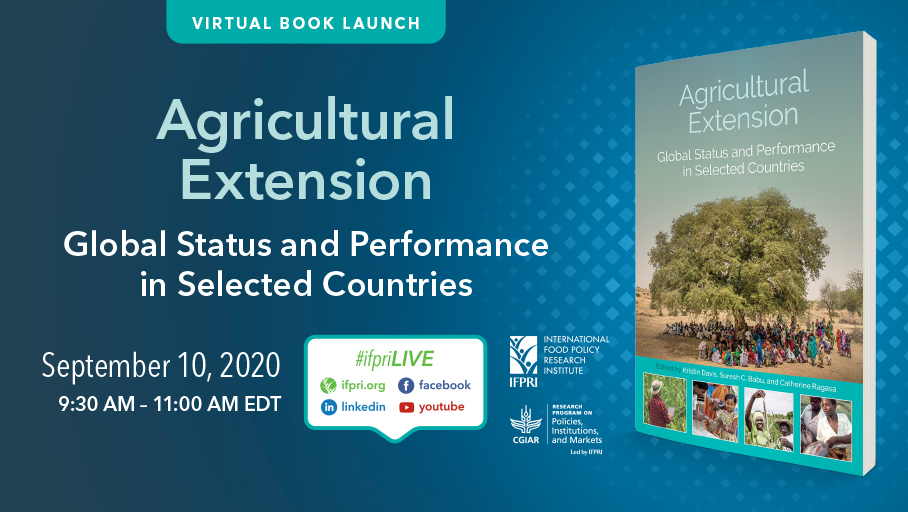
Book launch: Agricultural extension evolves to address a rapidly changing world
New challenges for programs and research efforts that reach hundreds of millions of farmers.
-
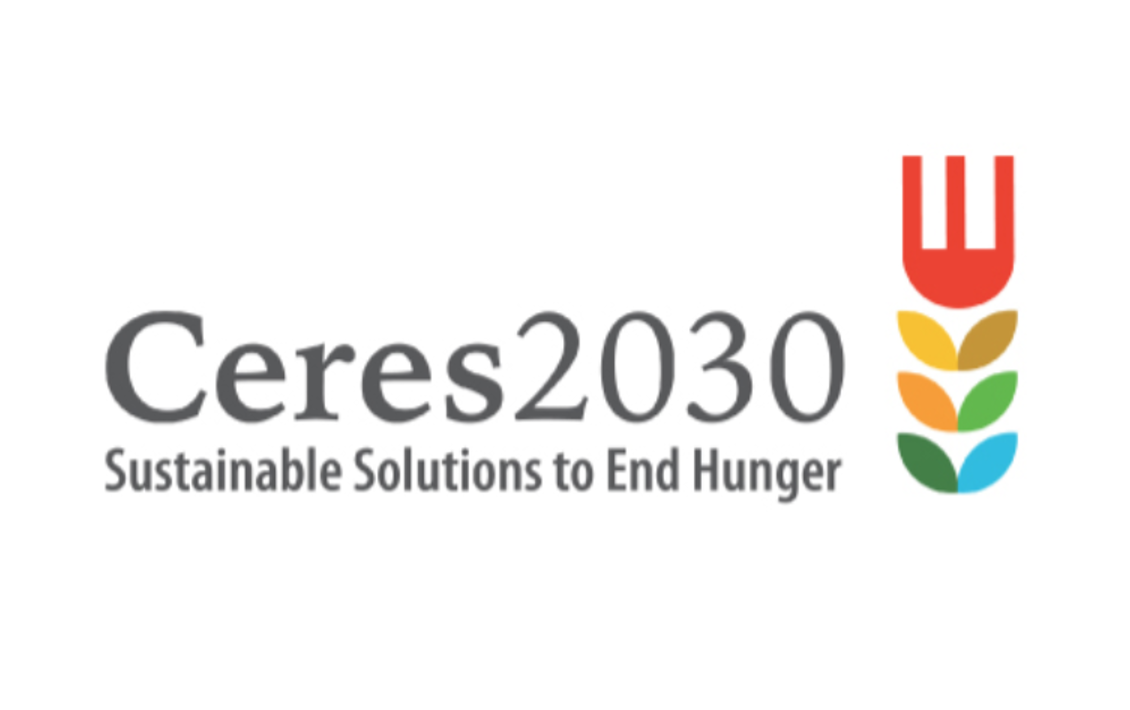
Ceres2030 research: Ending hunger sustainably by 2030 requires doubling assistance
Donors and developing countries must boost spending to improve food security, support smallholders, and blunt climate impacts.
-
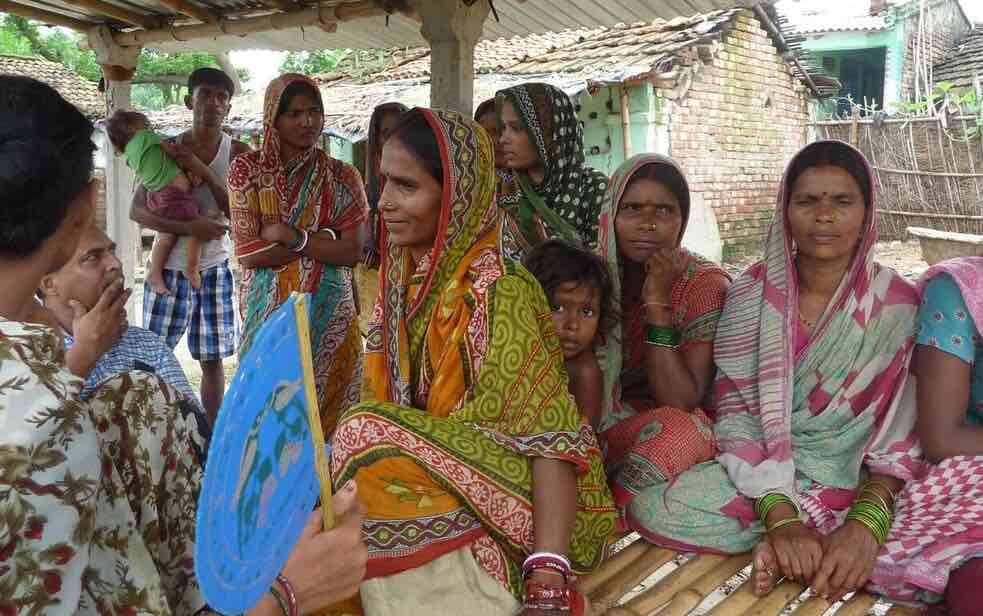
International Day of Rural Women 2020: Building resilience and gender equity in the face of COVID-19
Some ways to lighten extra burdens the pandemic has imposed on women.
-
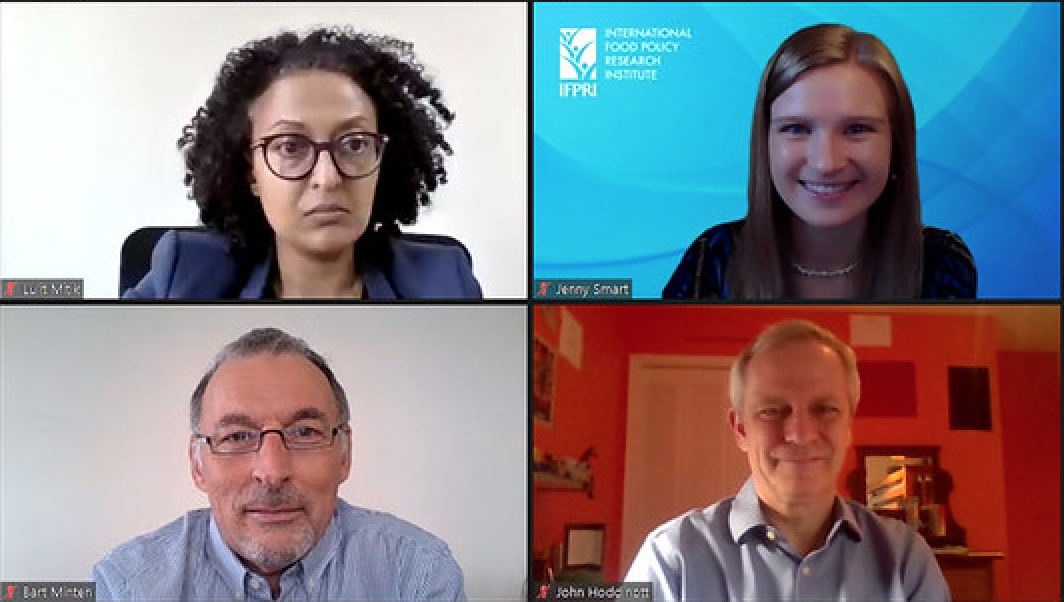
Book launch: Ethiopia’s evolving agrifood system faces new challenges
COVID-19 is among a number of current stresses on the country's food system and social safety net.
-
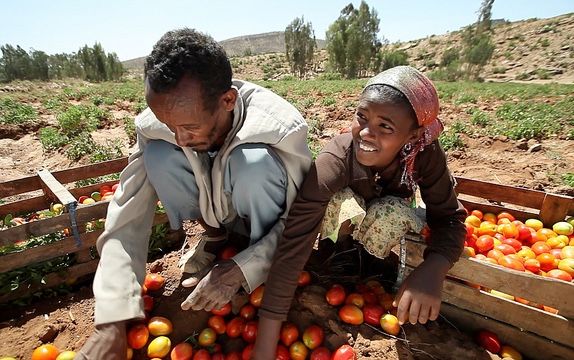
Inside Ethiopia’s agricultural success story
A new IFPRI book explores the country's recent growth and prospects for the future.
-
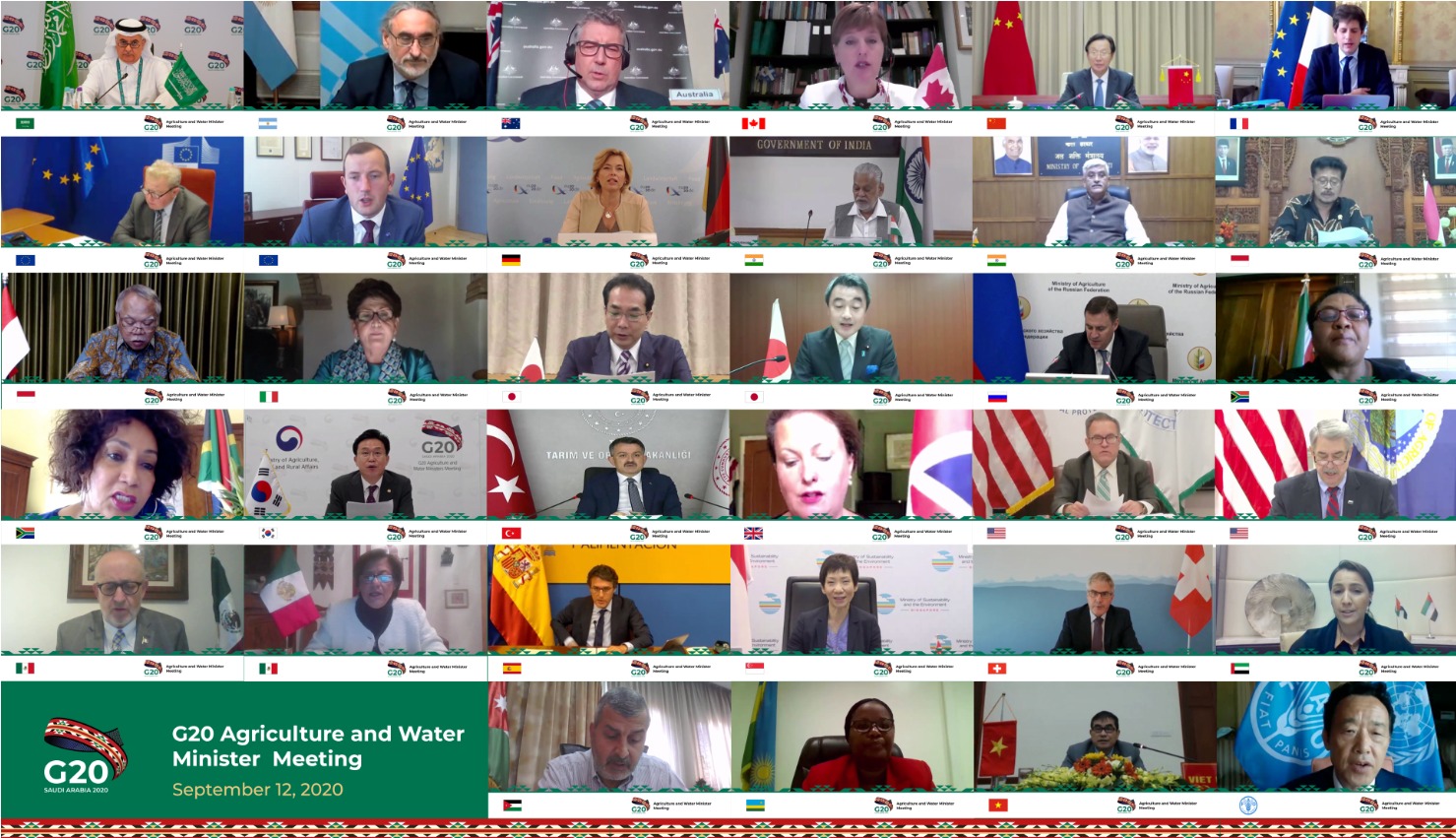
G20 agriculture and water ministers set agenda for responsible investments in agrifood systems
Confronting global challenges upended by the COVID-19 pandemic.
-
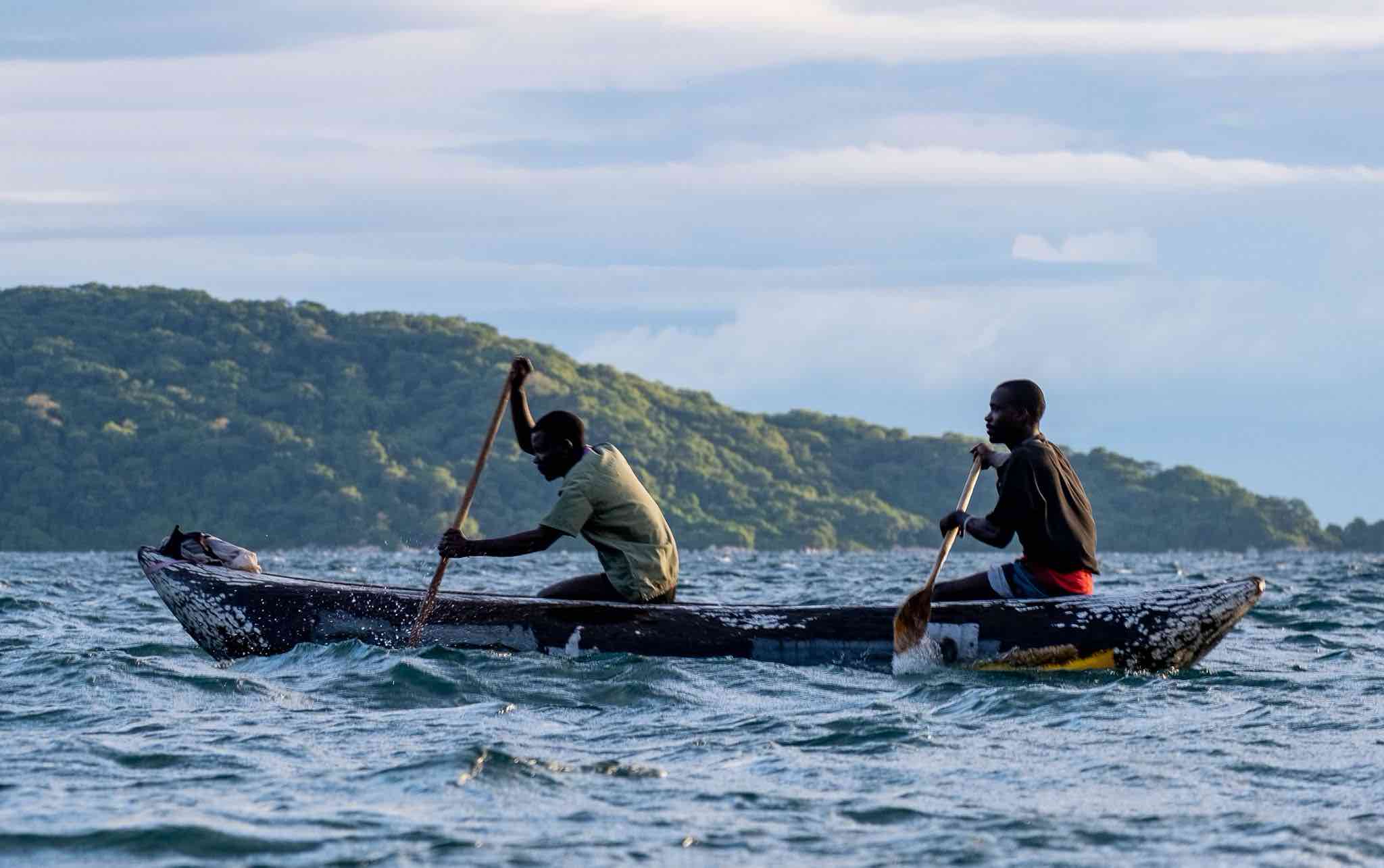
IFPRI mentorship journeys: Developing insights into consumer demand for tilapia in urban Malawi
A master's student and IFPRI researcher examine a key issue for food value chains.
-
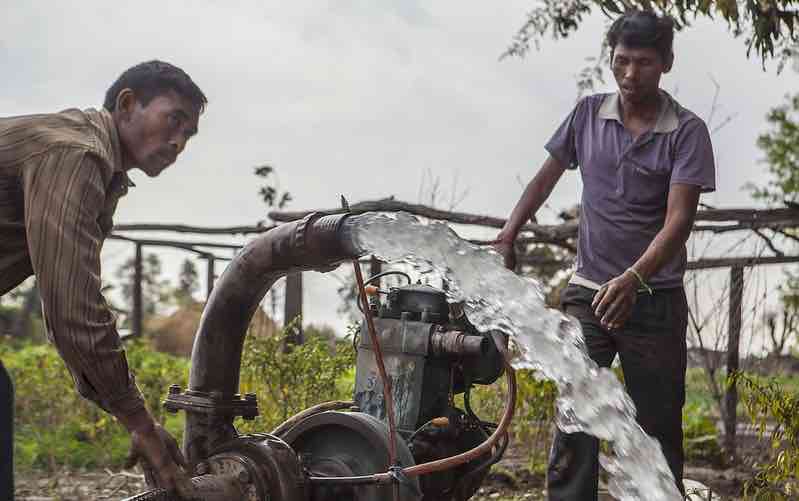
Water and nutrition in a COVID-19 context: Where do we go from here?
The pandemic poses new challenges for sustainable agriculture, sanitation, and other issues.
-
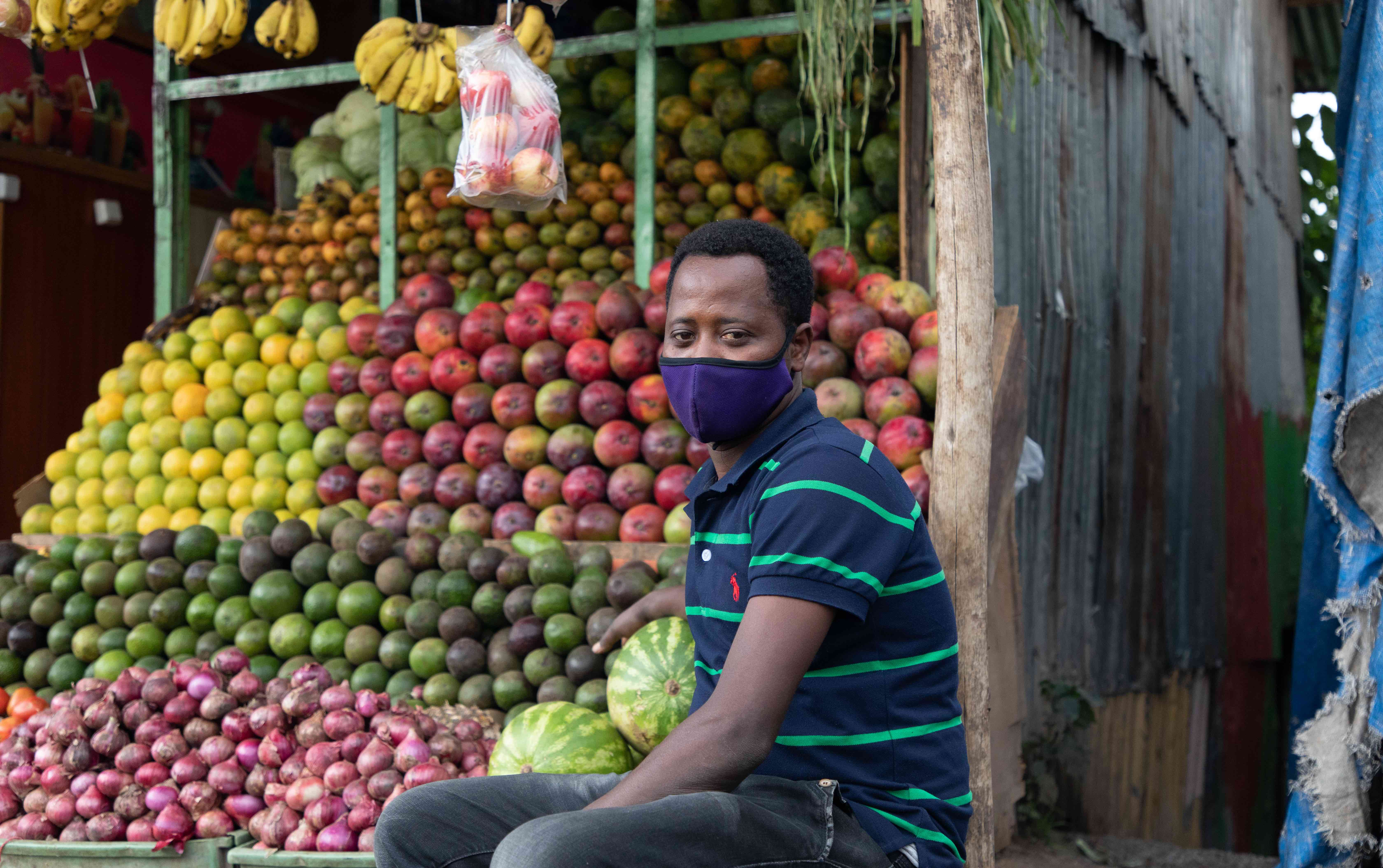
Survey: Despite COVID-19, food consumption remains steady in Addis Ababa, Ethiopia
Results suggest phone surveys reporting falling incomes in the pandemic should be viewed with caution.
-
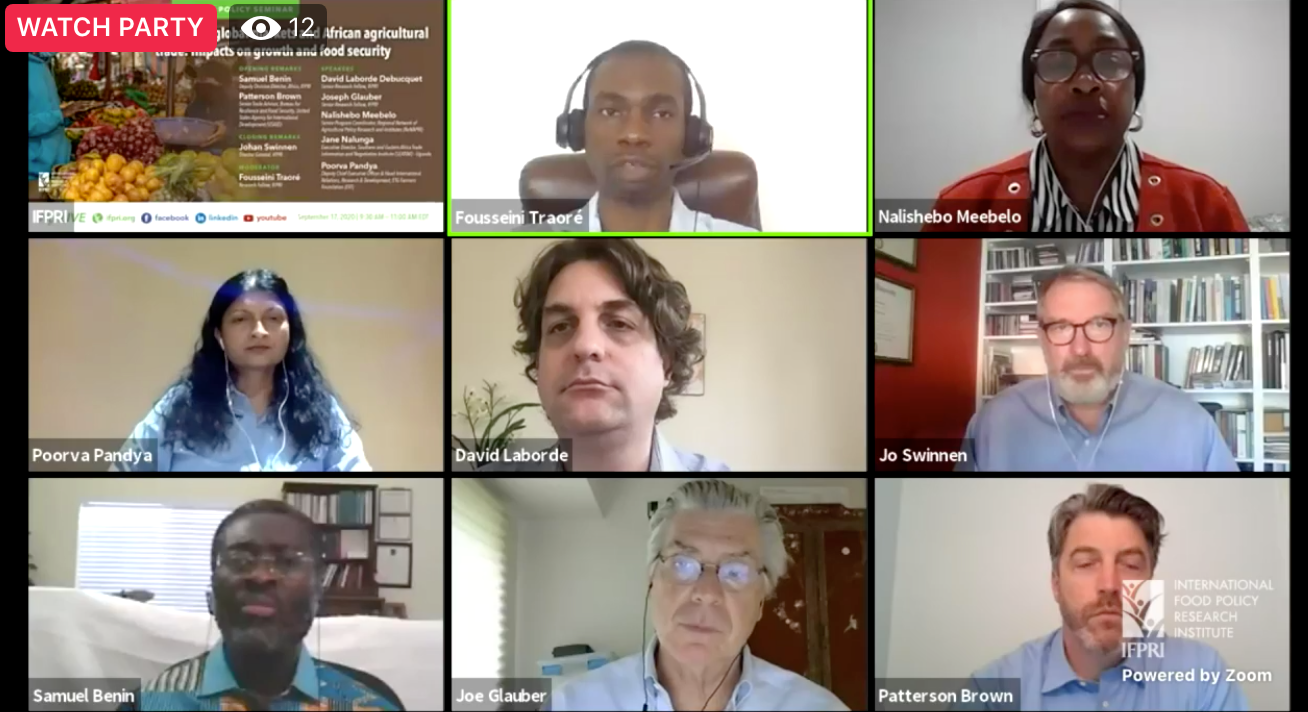
Policy seminar: COVID-19 impacts on African agricultural trade and food security
How governments and businesses across the continent are dealing with pandemic disruptions.
-
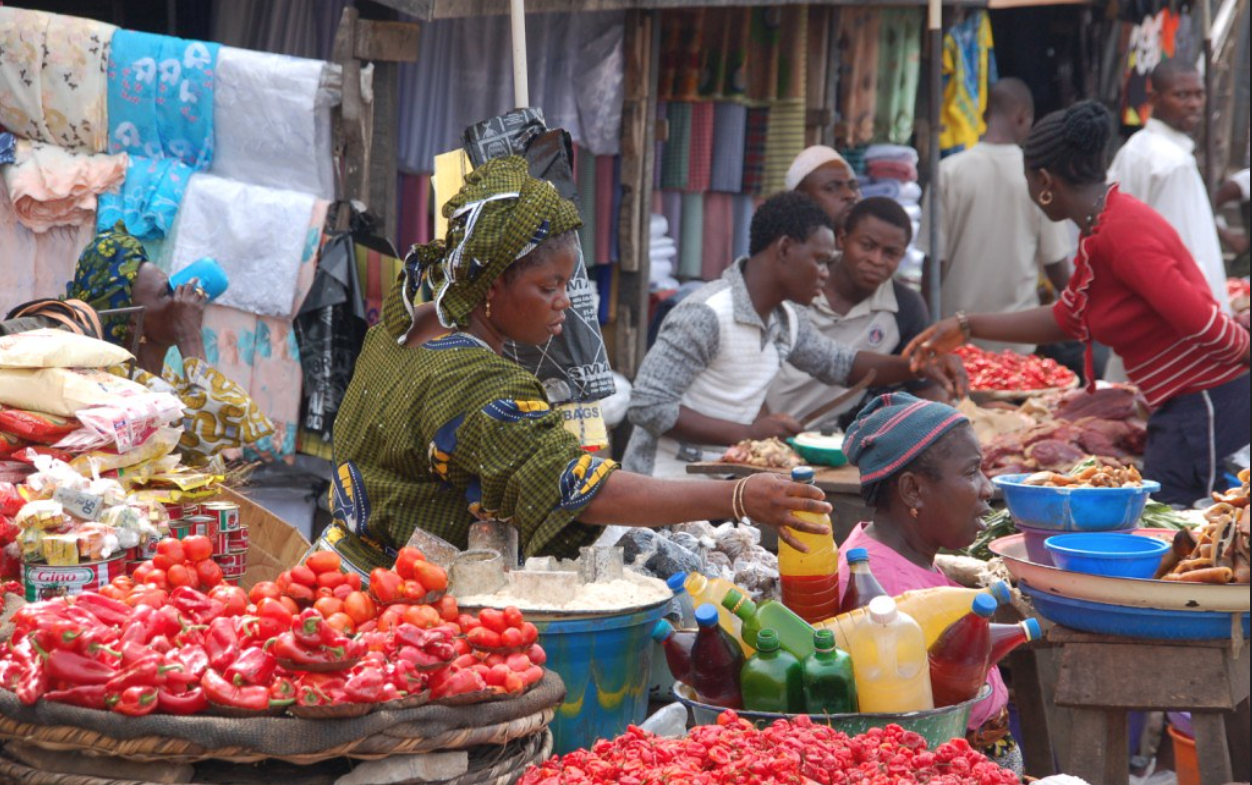
New methods aren’t always silver bullets: Challenges with use of the inverse hyperbolic sine transformation for elasticity estimation
An analysis of food demand data from Nigeria identifies an interesting problem.
-
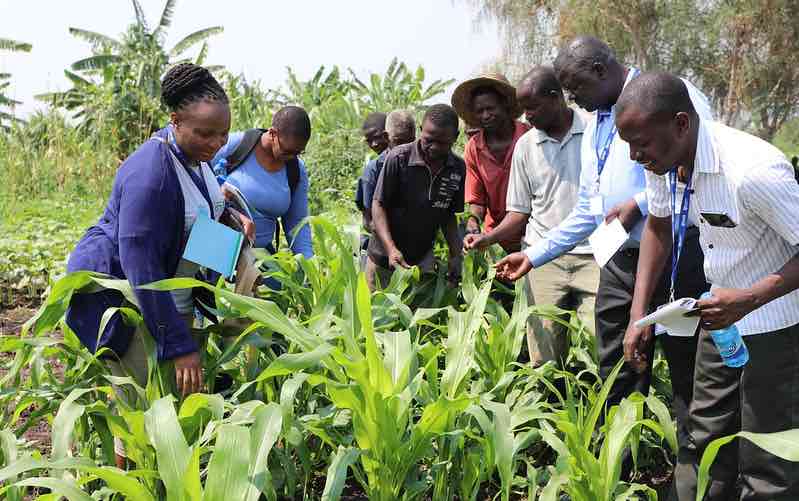
IFPRI mentorship journeys: Providing advice and research support for Malawi agriculture students
A master's student and an IFPRI researcher shepherd a thesis to publication—part of the Bunda Grant Scheme program.
-
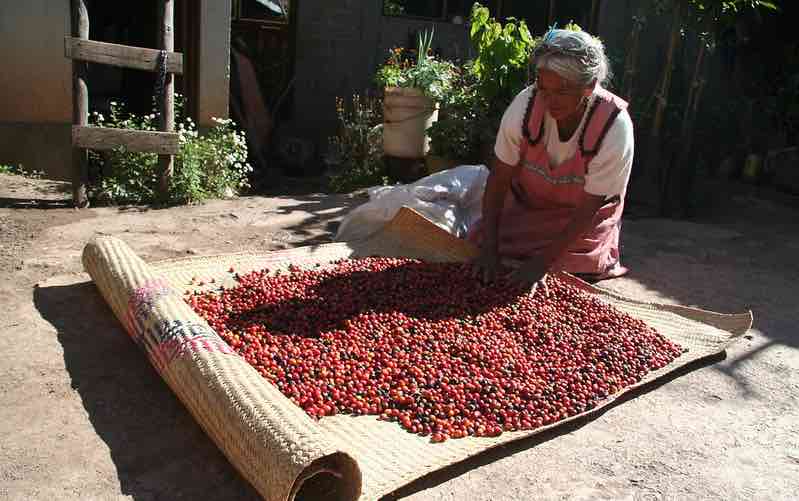
Food market stability: A necessary step for global social and environmental sustainability
A strategy for agricultural trade.
-
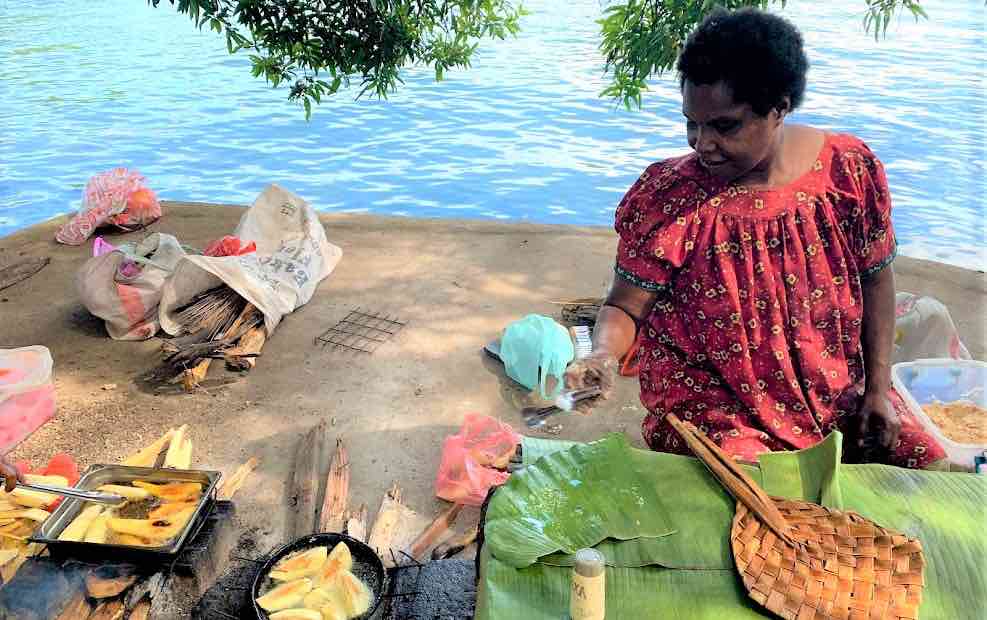
Promoting nonfarm businesses in Papua New Guinea can improve rural diets
A study provides insights into gender differences and welfare benefits in a wide array of enterprises.
-
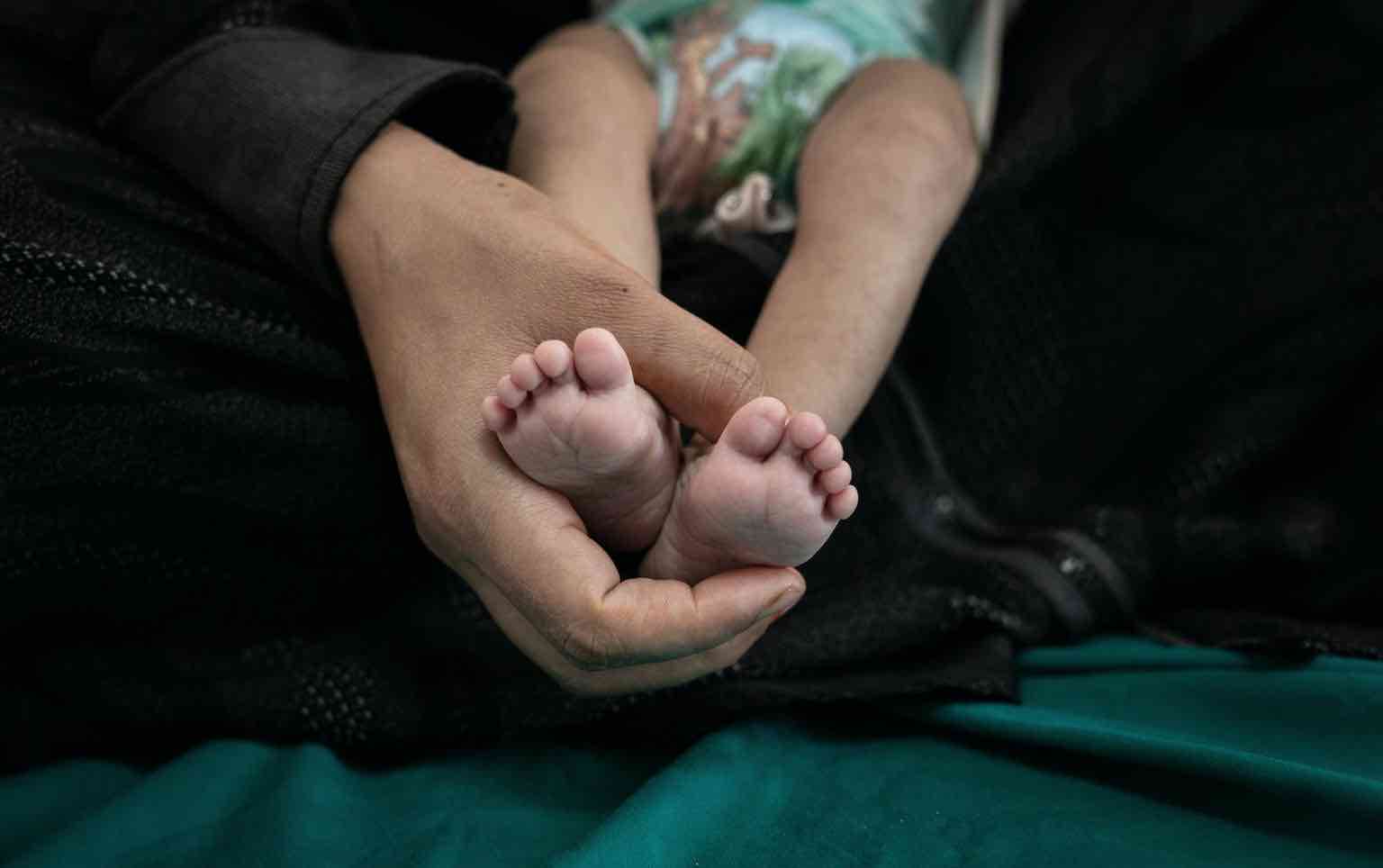
COVID-19: The virus will mostly spare young children; the economic crisis will not
Steps must be taken now to avert a decades-long nutrition and public health crisis.
-
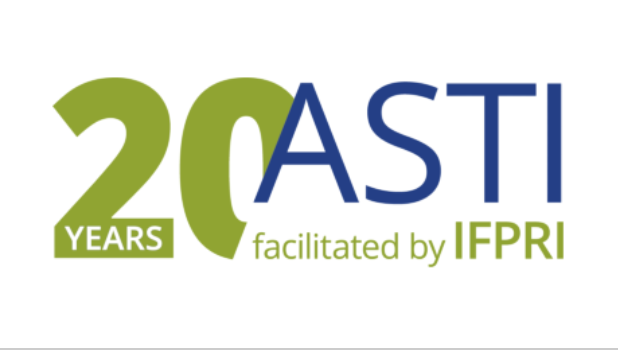
20 years of ASTI: The go-to source for data and analyses on agricultural research in developing countries
How evolving technology has stimulated data collection and research.
-
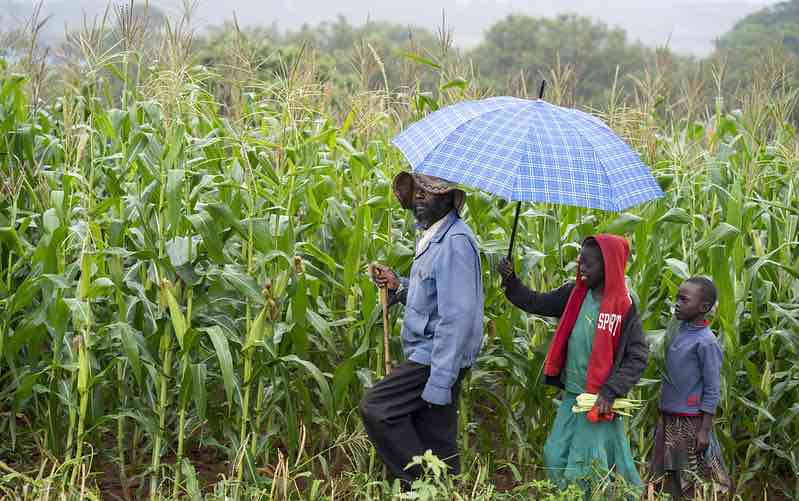
Exploring farmer adoption of conservation agriculture using a lab-in-the-field approach
Testing the role of subsidies in adopting techniques to build long-term resilience.
-
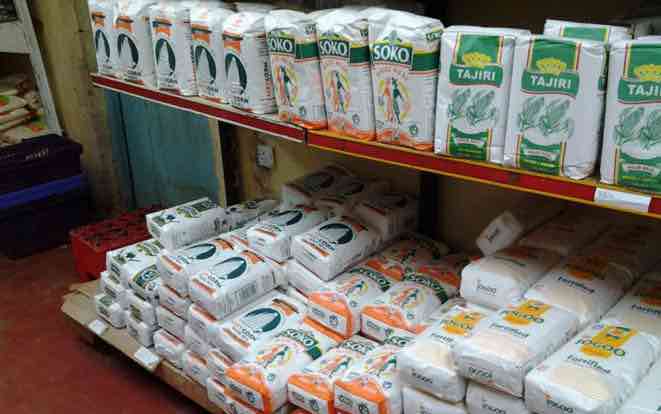
The challenges of influencing consumer behavior to improve food safety
Two studies in Kenya examine risk perceptions of aflatoxin in maize.
-
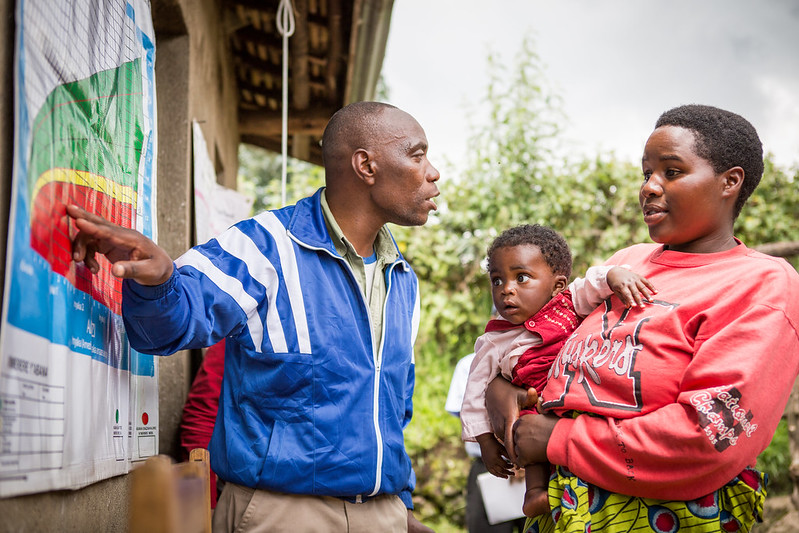
High altitudes linked to higher rates of stunting
The under-appreciated role geography plays in a persistent problem of health and well-being.
-
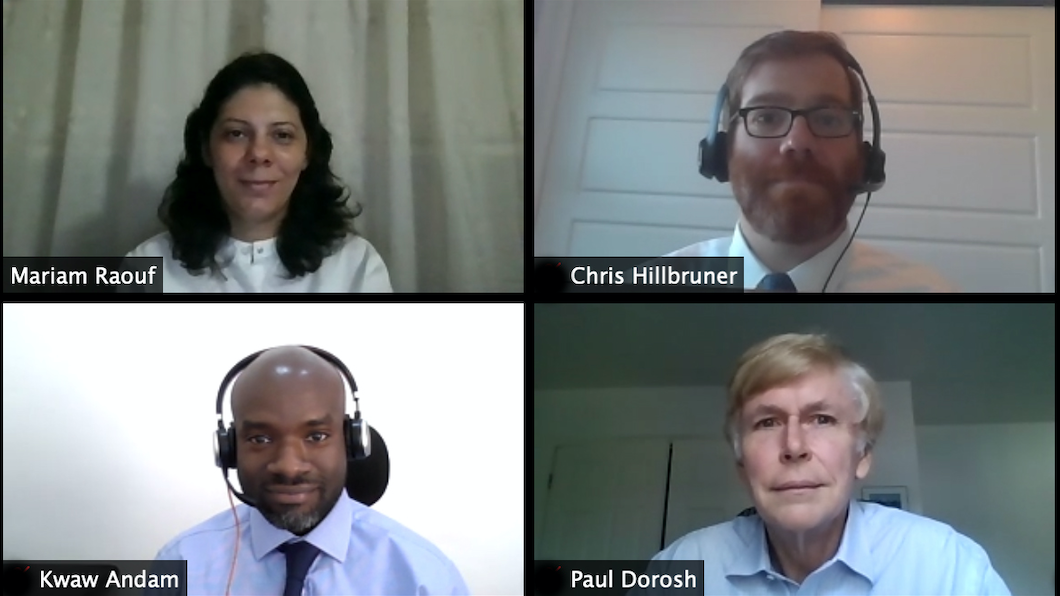
Policy seminar: Unpacking the impacts of COVID-19 on economies, food systems, and poverty in African and Asian countries
New research on how Myanmar, Nigeria, and Sudan are weathering the crisis.
-
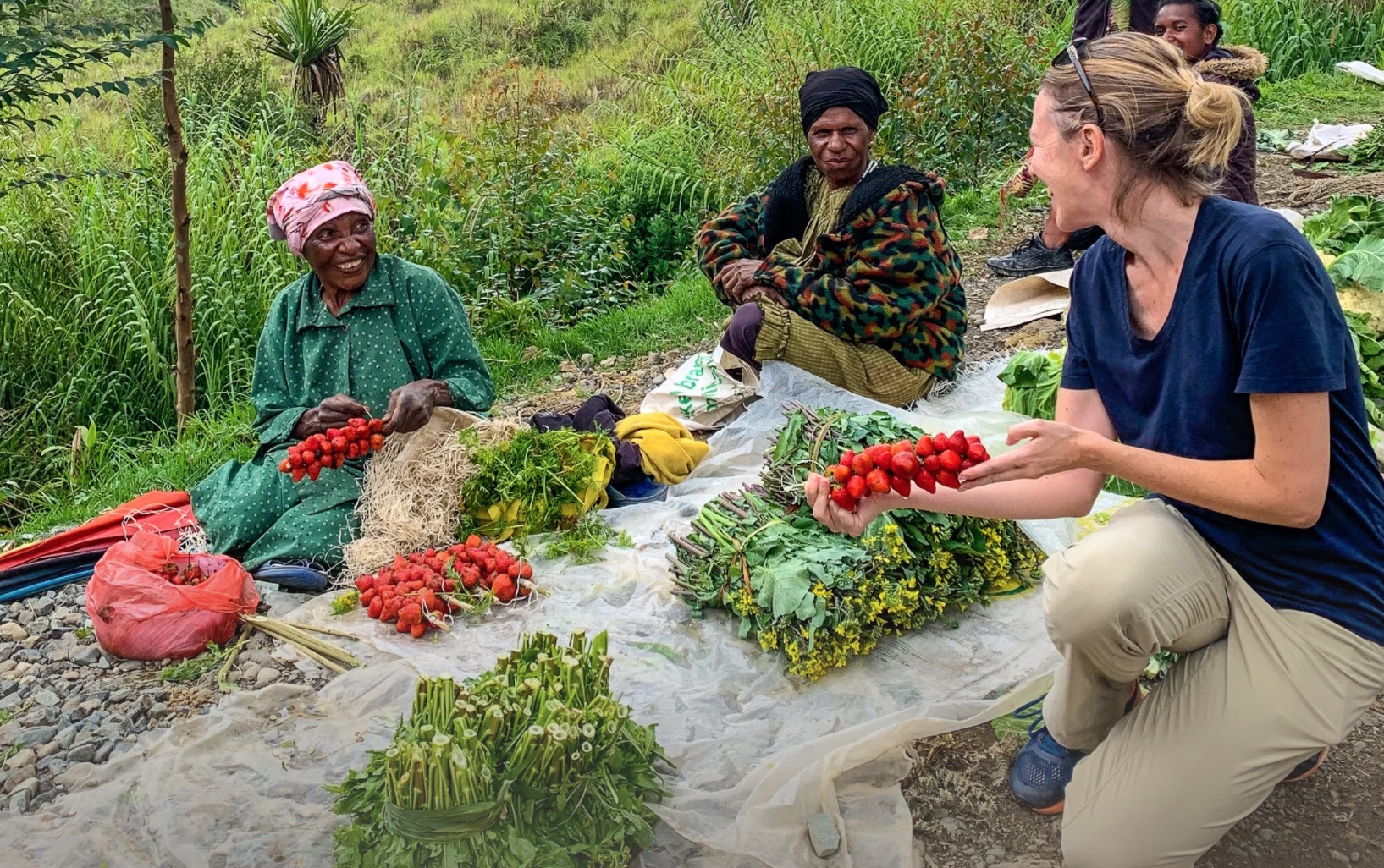
Photo essay: Data collection in a diverse and complex food system
A research journey through Papua New Guinea.
-
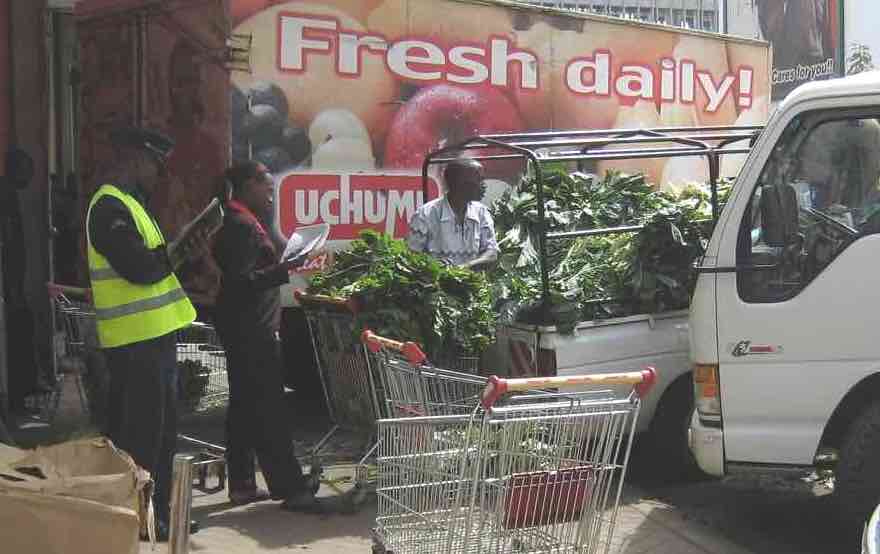
Supermarket contracts boost incomes and reduce multidimensional poverty for smallholders in Kenya
The growing role of supermarkets in developing countries has impacts that go beyond urban retailing.
-
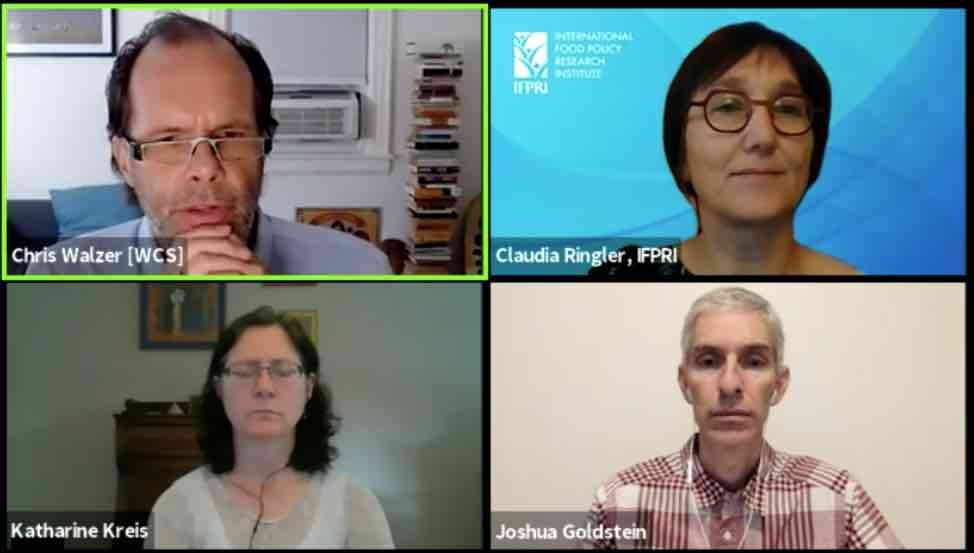
Policy seminar: COVID-19, food systems, ecosystems, and the risk of zoonotic diseases
Climate change, development, and other forces contribute to the threat of future pandemics.
-
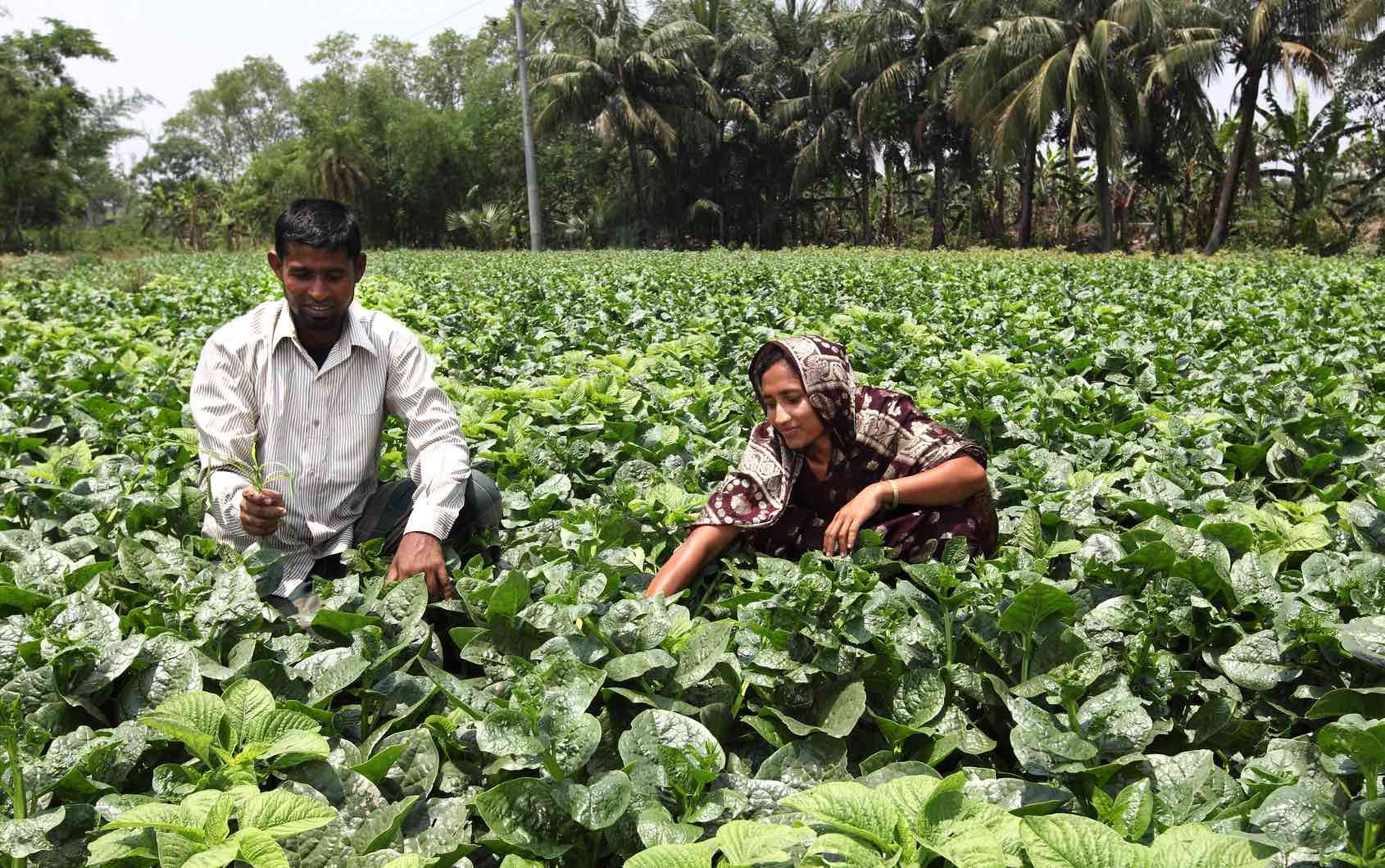
Making sense of why spouses disagree in household surveys
Women are much more likely to report that they own assets or make decisions than men are to recognize these roles.
-
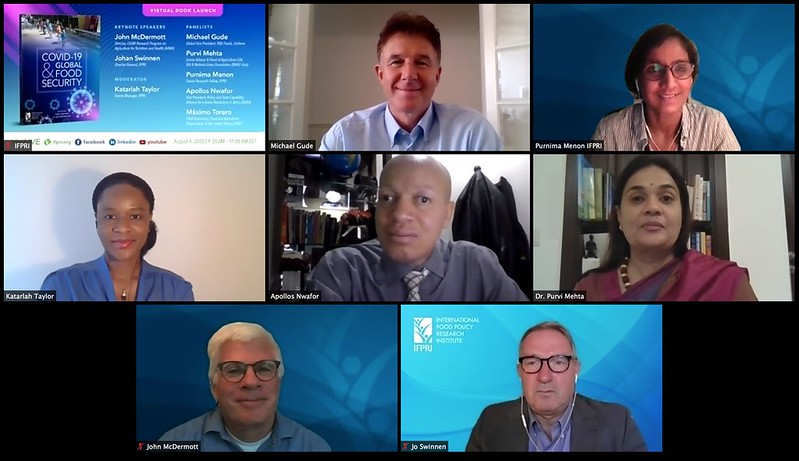
Book launch: COVID-19 and global food security – what have we learned so far?
A new IFPRI book explores the pandemic's unfolding impacts on poverty and other issues.
-
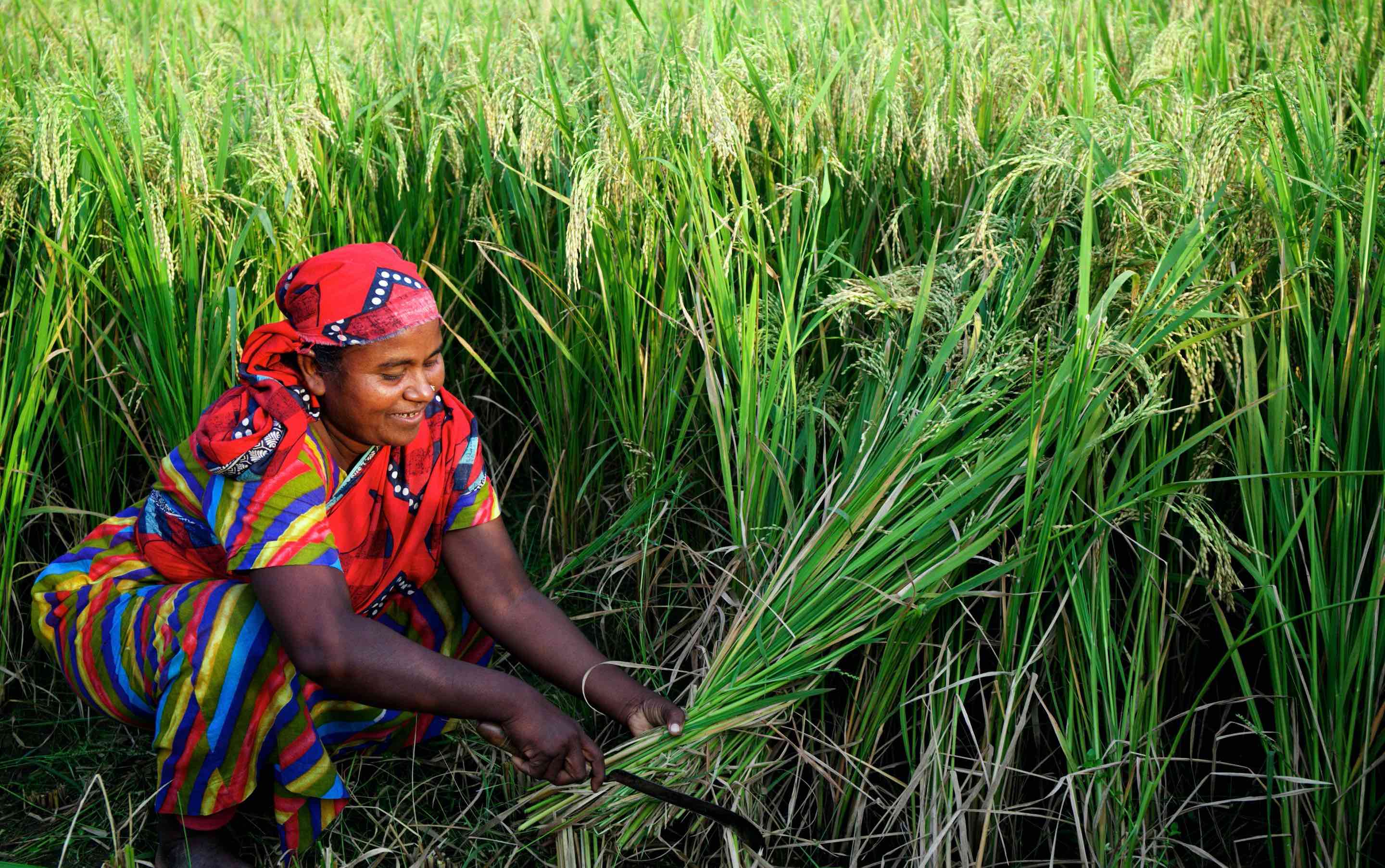
Zinc study suggests possible role for biofortification in addressing non-communicable diseases
Focusing on the multiple, overlapping health impacts of the double burden of malnutrition.
-
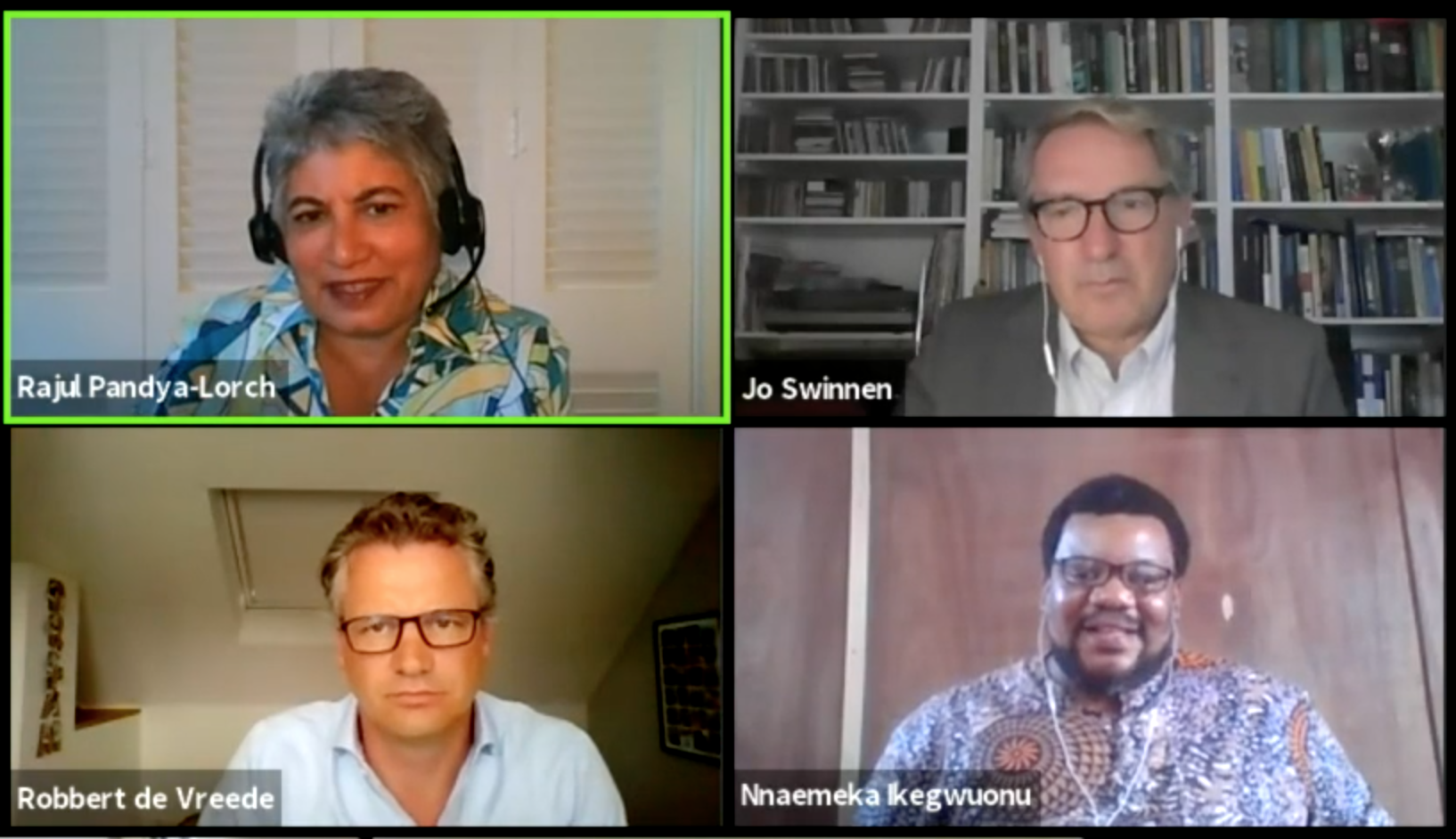
Policy seminar: How food businesses are coping with COVID-19
Innovations help supply chains adapt to disruptions.
-
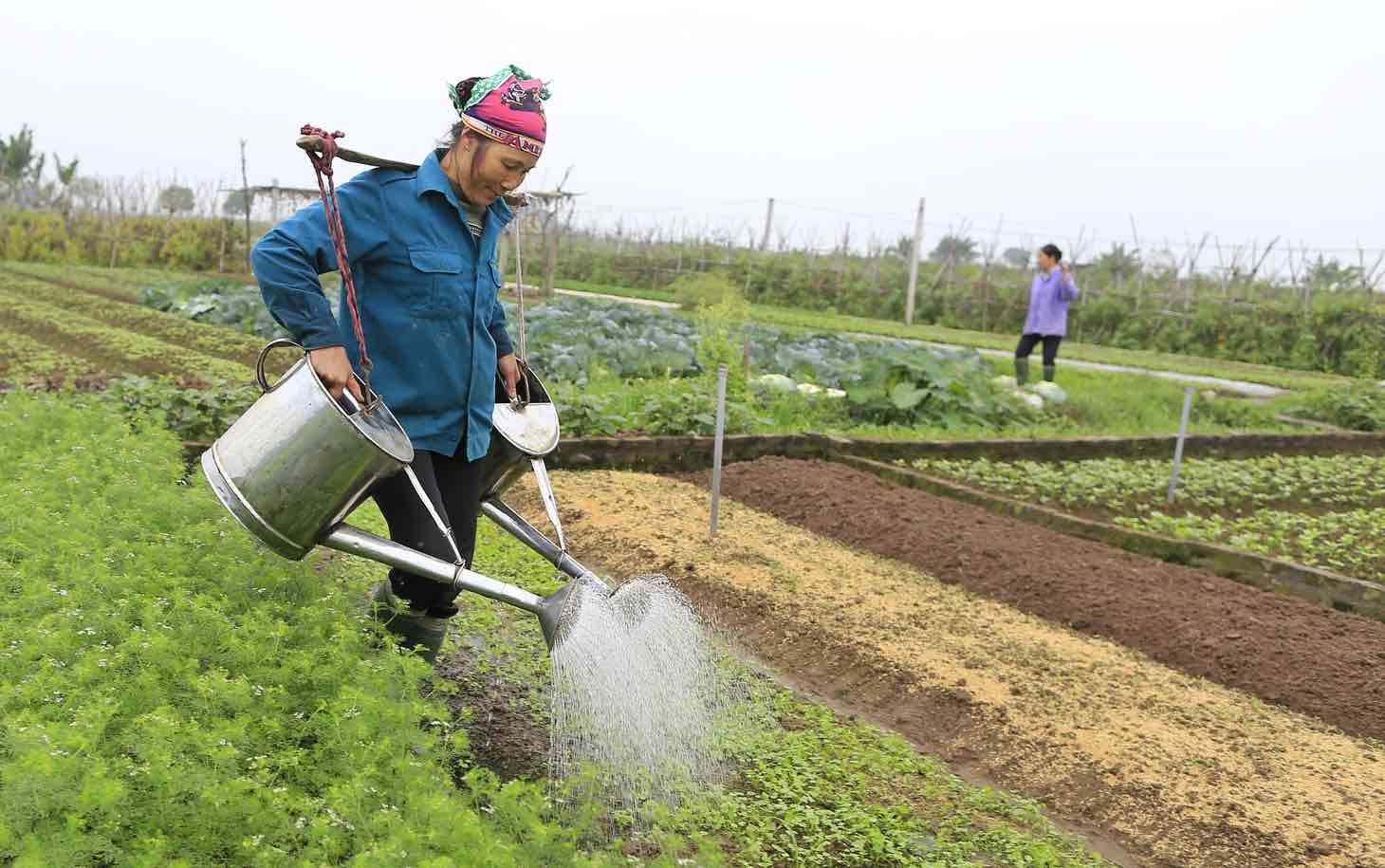
New directions for agricultural value chain finance in Viet Nam
Developing a better banking and credit system for smallholders.
-

Policy seminar: Lessons from China about COVID-19 impacts on food security and livelihoods
China's experience provides a wake-up call for the global food system.
-

Farmers’ responses to warming early in growing seasons can affect yields
Decisions on fertilizer and pesticide use impact crops and finances.
-
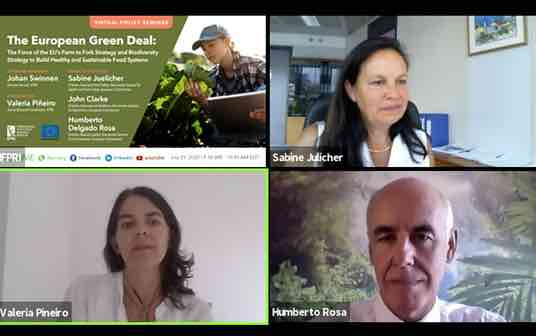
Policy seminar: Europe’s Farm to Fork and Biodiversity Strategies aim to build healthy and sustainable food systems
The European Green deal's implications for building food security.
-
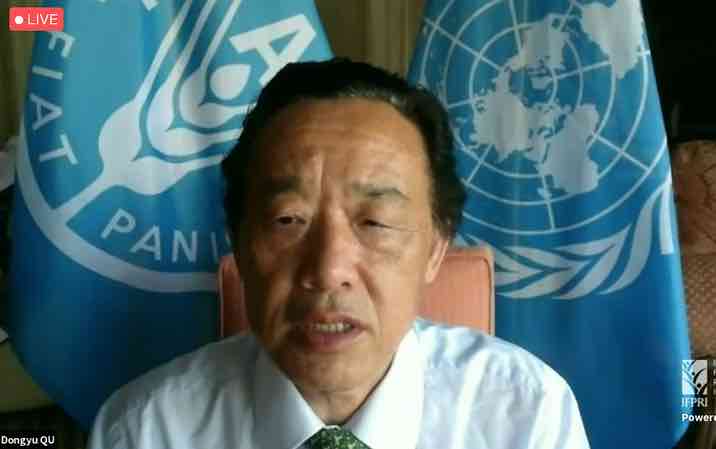
2020 State of Food Security and Nutrition in the World report: Rising hunger and COVID-19 present formidable challenges
The effort to reach Zero Hunger faces new headwinds.
-
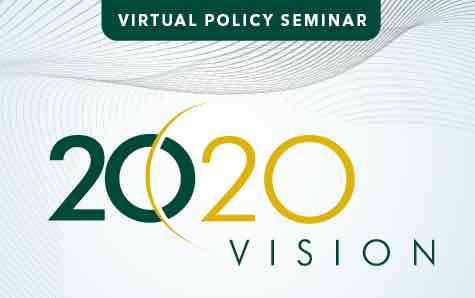
Policy seminar: The impacts and legacy of IFPRI’s 2020 Vision Initiative
Lessons from a decades-long effort in global food security policy building.
-
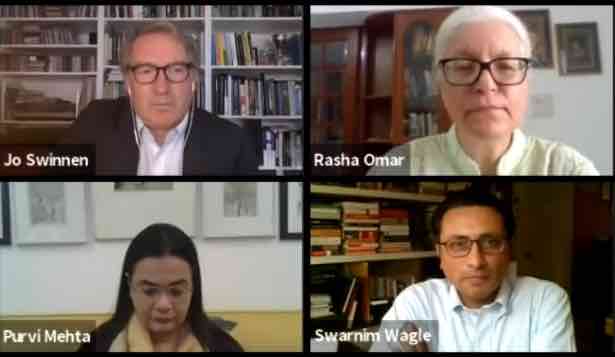
2020 Global Food Policy Report: Emerging challenges of building inclusive food systems in South Asia
The moral imperative of impoving food value chains.
-
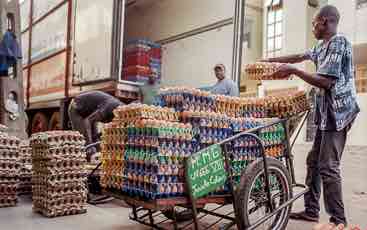
Making food system value chains inclusive for smallholders and rural people
Expanding agrifood value chains are creating huge opportunities for greater inclusion of rural people in processing, transport, and retail. From IFPRI's 2020 Global Food Policy Report.
-

Indian diets fall short of EAT-Lancet reference recommendations for human and planetary health
Research provides guideposts for tracking India's double burden of malnutrition.
-
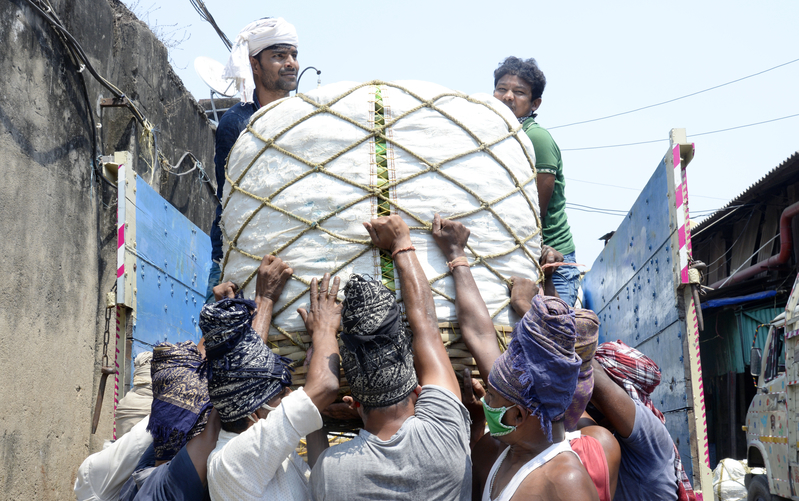
How India’s agrifood supply chains fared during the COVID-19 lockdown, from farm to fork
Food systems have proven more resilient than many expected, but vulnerable populations still need help.
-
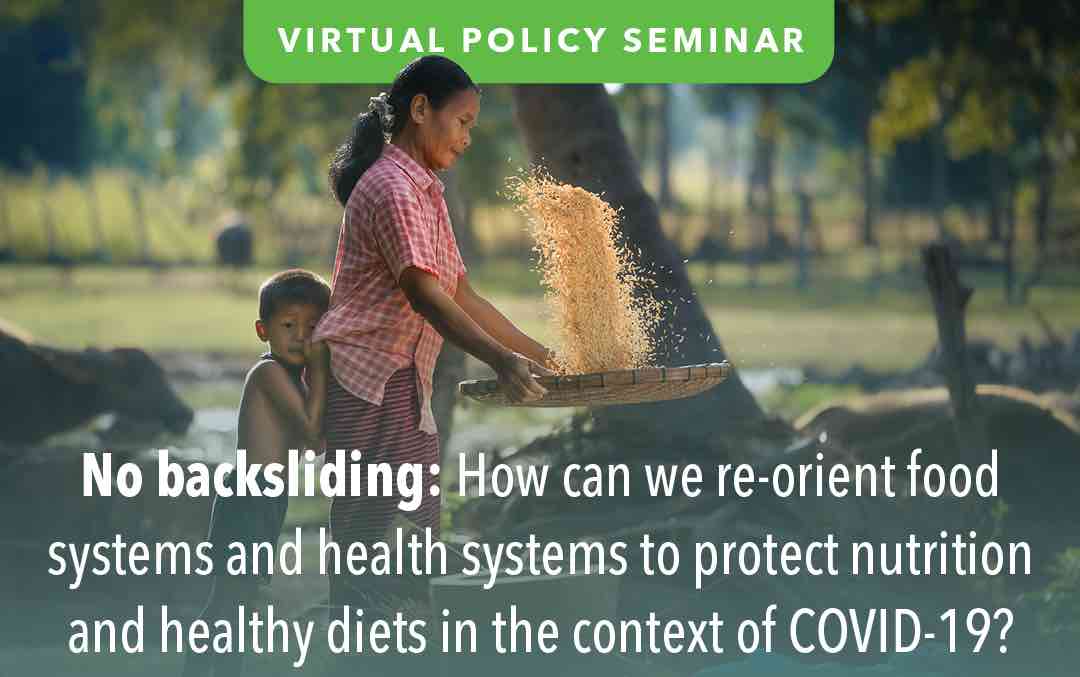
Policy seminar: No backsliding – reorienting food and health systems to protect nutrition in a global pandemic
Facing a perfect storm for nutrition.
-
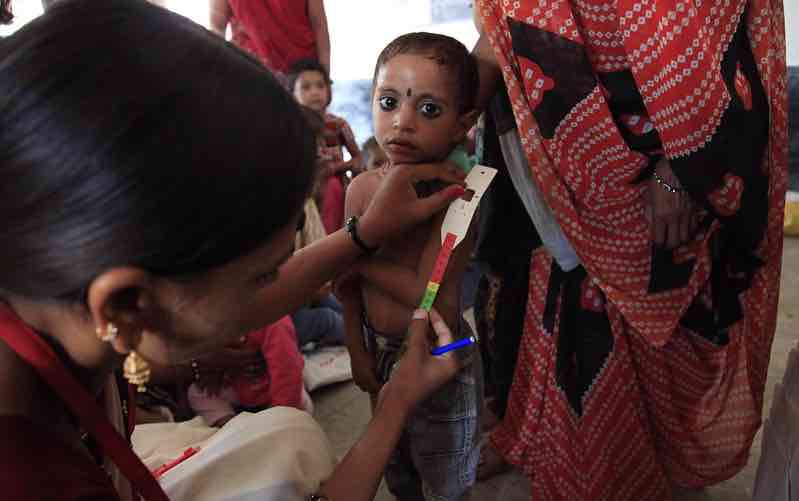
Catch-up growth cannot undo damage from undernutrition
Undernourishment early in life may have profound irreversible effects, a new paper suggests.
-
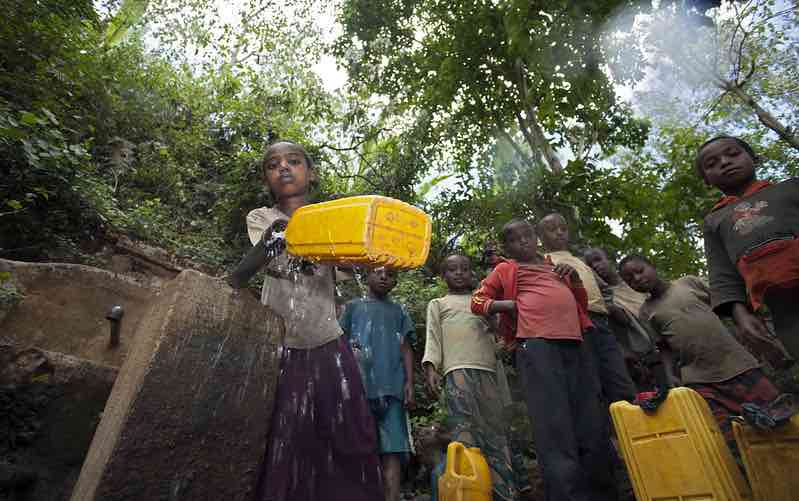
Should low-income countries decentralize their COVID-19 responses?
Key social services are often neglected when local governments run support programs, research in Ethiopia shows.
-
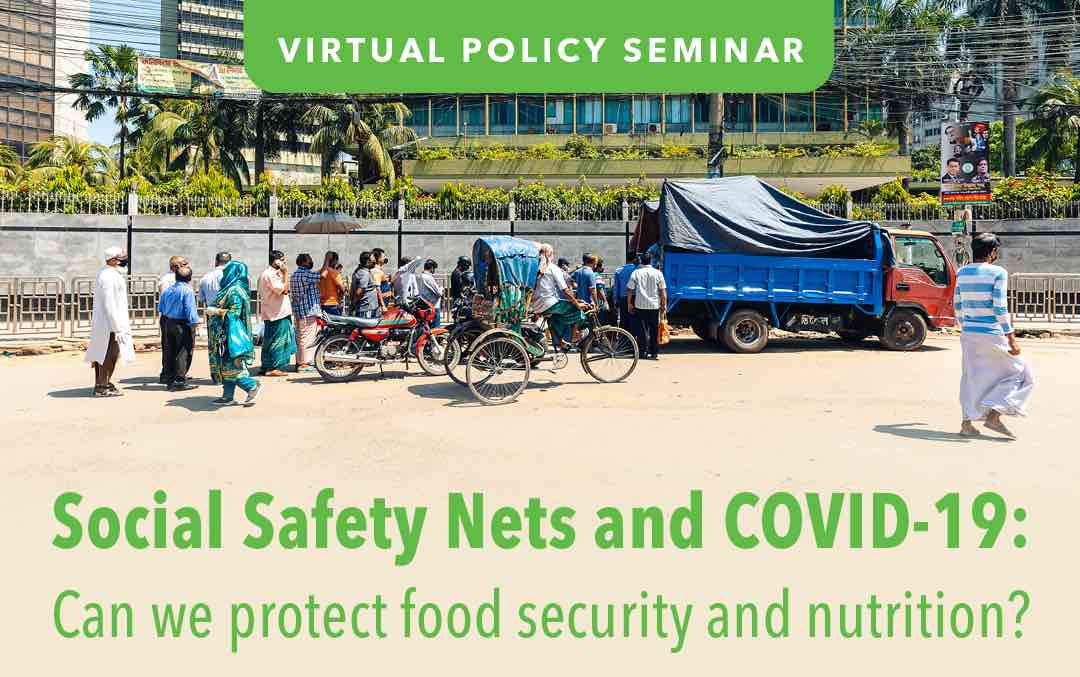
Policy seminar: Social safety nets as a COVID-19 response to protect food security and nutrition
The pandemic has led to one of the largest social protection scale-up efforts in modern history.
-
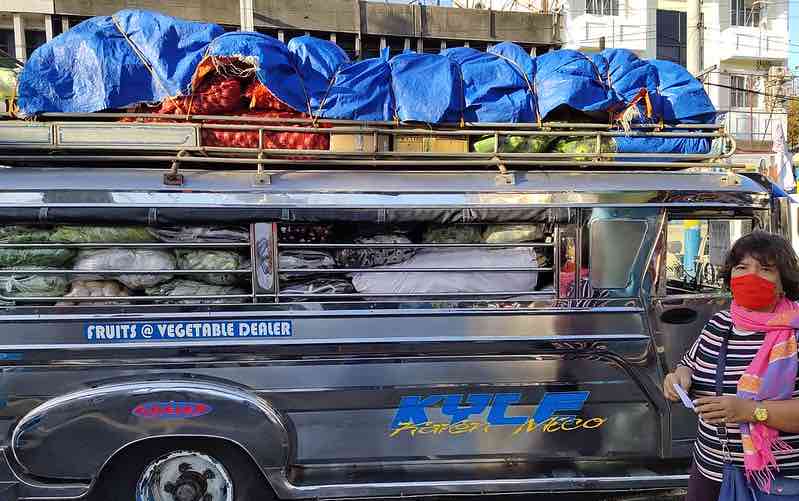
COVID-19 and resilience innovations in food supply chains
Creative pandemic adaptations in e-commerce and other areas show long-term promise.
-
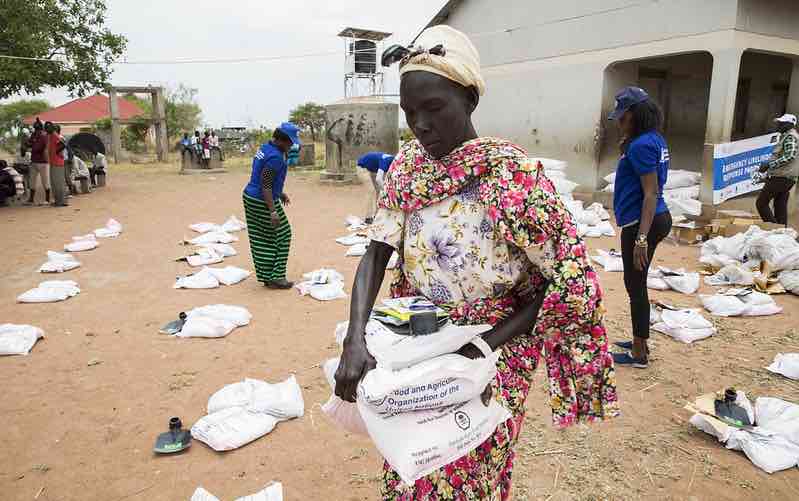
Prepare food systems for a long-haul fight against COVID-19
Policy recommendations to avert a global food crisis.
-
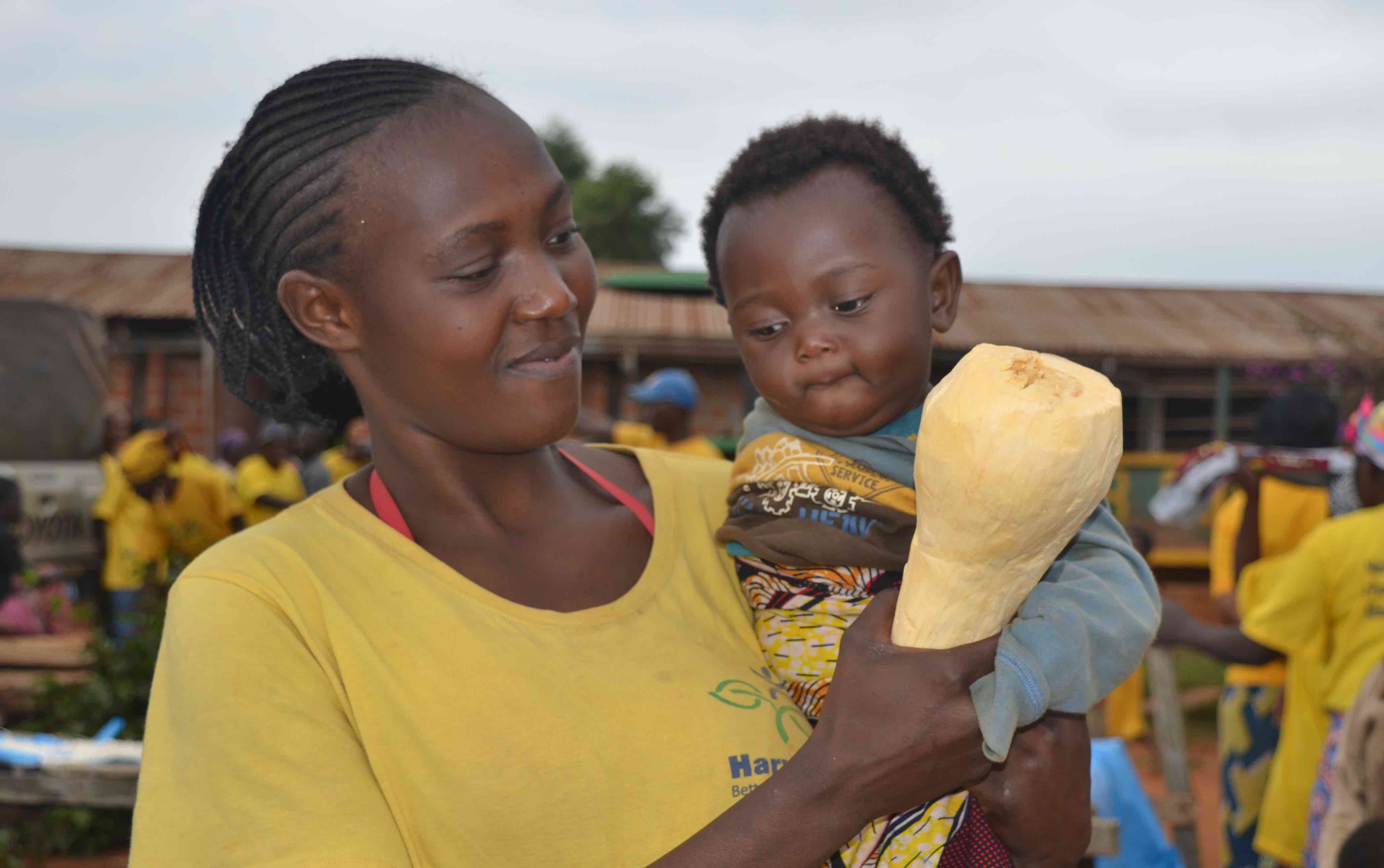
Micronutrient status in the DR Congo: What to do when diet and blood measurements do and don’t align
Looking at the varying prevalence of zinc and vitamin A deficiencies among women and children.
-
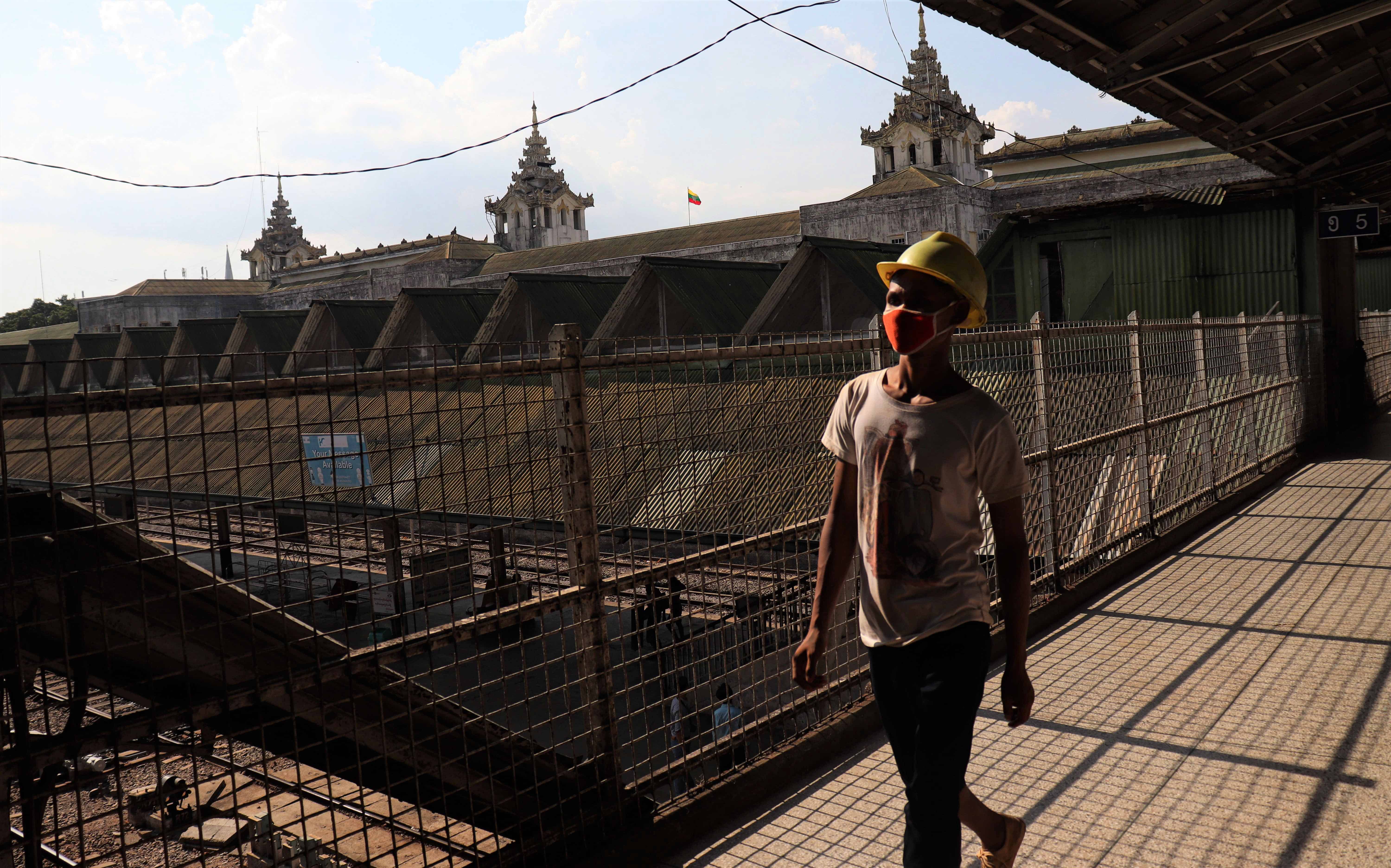
Significant economic impacts due to COVID-19 and falling remittances in Myanmar
An analysis shows a 41% decline in GDP during the two-week lockdown.
-
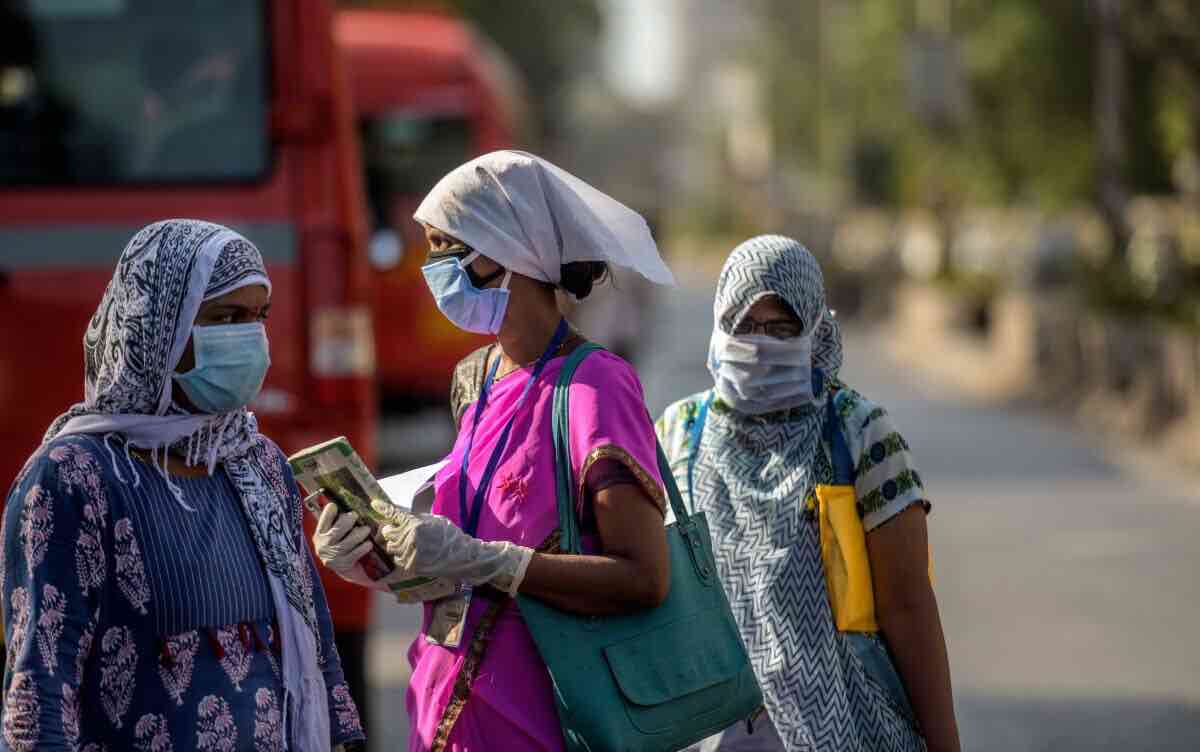
Policy seminar: What is needed for gender-sensitive COVID-19 responses in agriculture and food security?
The pandemic poses new challenges for women's empowerment efforts.
-
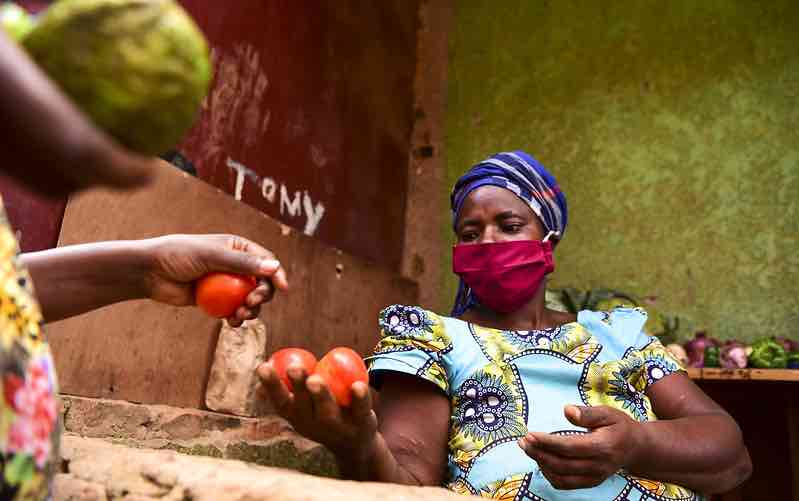
How to ensure effective government responses as COVID-19 spreads to rural areas
Rural residents face a distinct set of pandemic challenges.
-
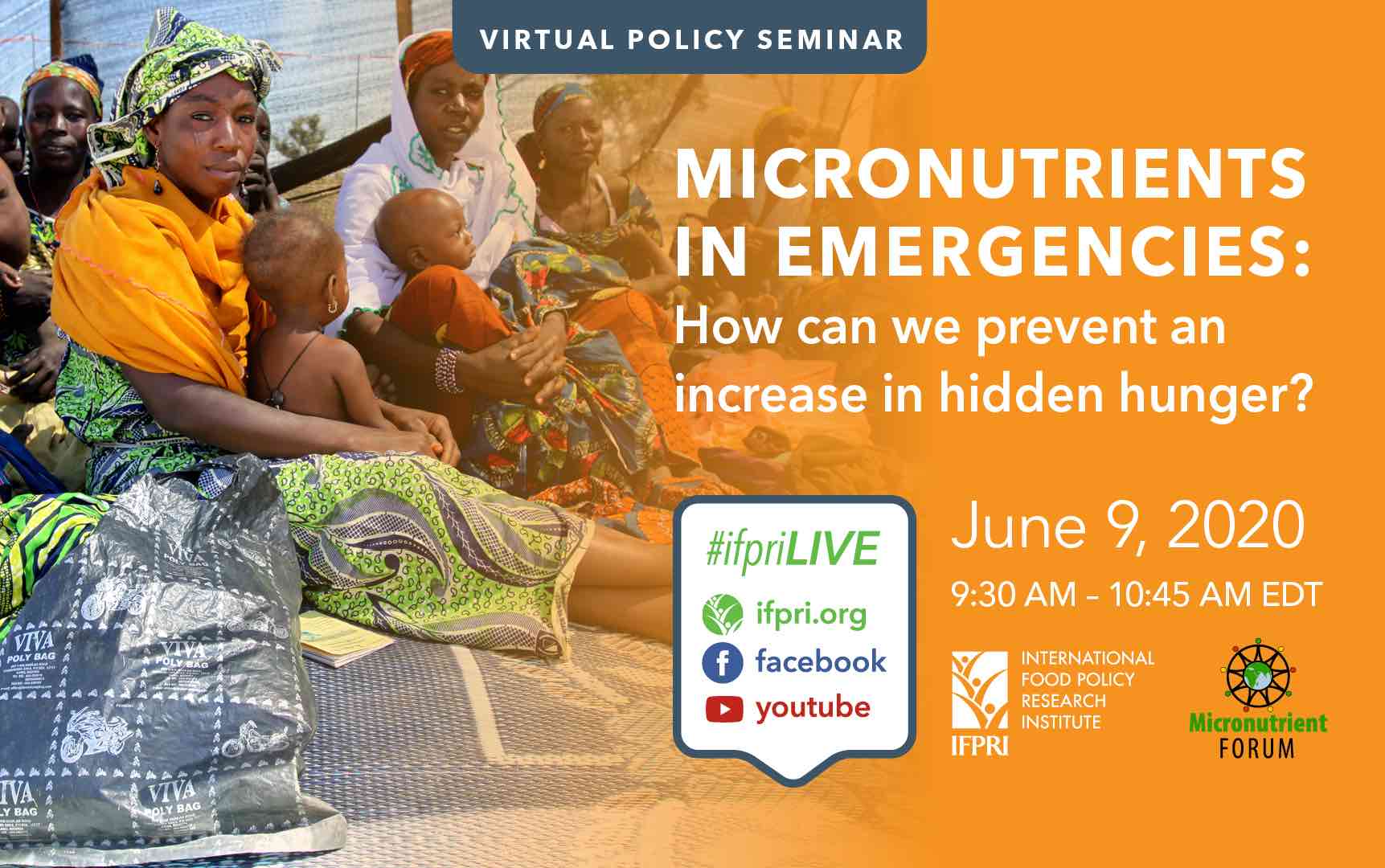
Policy seminar: Micronutrients in emergencies – how can we prevent an increase in hidden hunger?
The COVID-19 crisis could set back efforts to eliminate micronutrient malnutrition—but it doesn't have to.
-

Alimentación en tiempos de pandemia: Realismo sin magia
Implementando políticas para superar la pandemia en lo inmediato, y mirando al futuro.
-
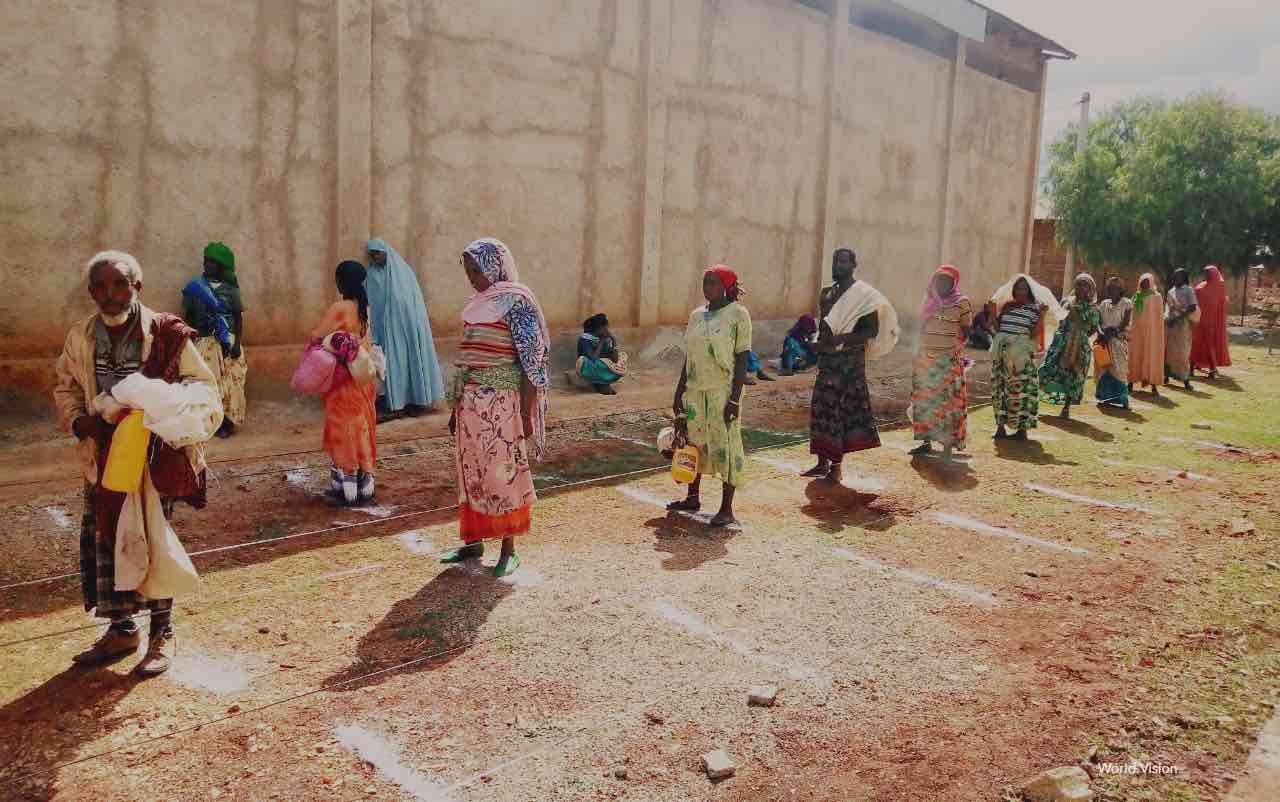
Social safety nets are crucial to the COVID-19 response. Some lessons to boost their effectiveness.
Many countries have already implemented social assistance programs, but more challenges lie ahead.
-
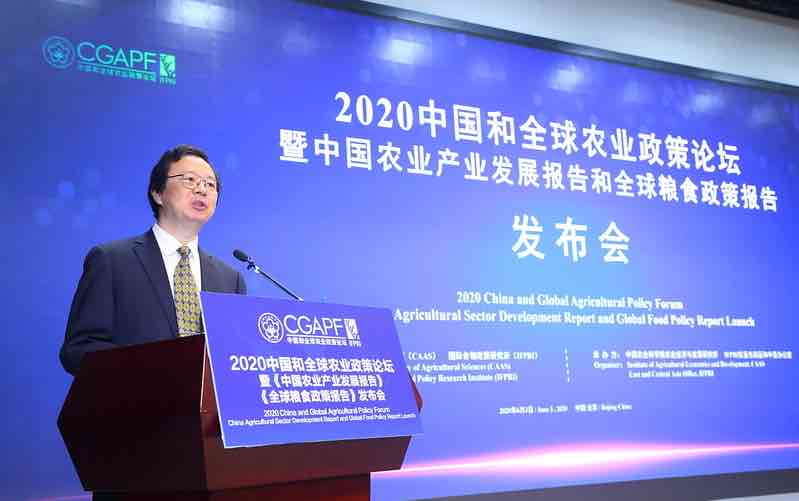
2020 China and Global Agricultural Policy Forum: Building up food systems with inclusiveness and competitiveness
Navigating innovation amid a global pandemic.
-
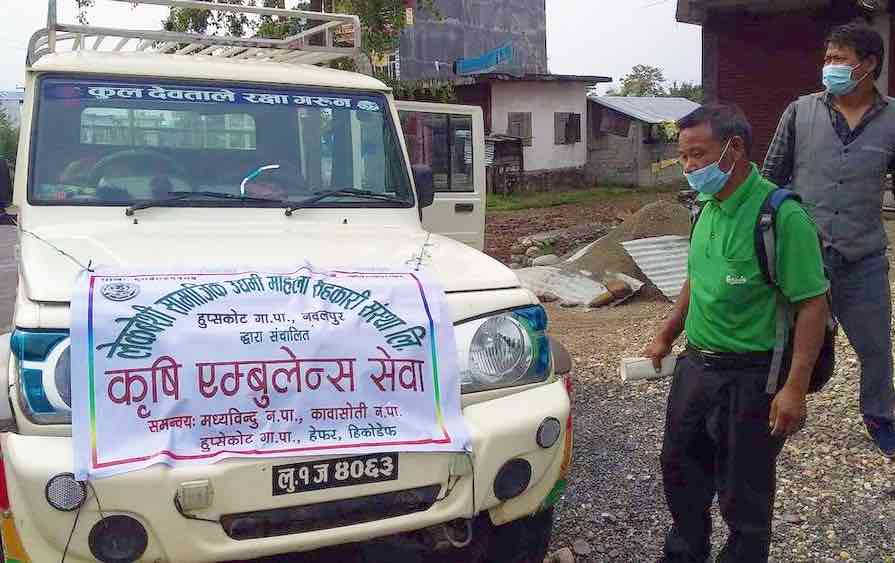
COVID-19 and the promise of food system innovation
Pandemic lockdowns have sparked creative responses to match shifting food supply with demand—showing the possibility of broader reinvention.
-
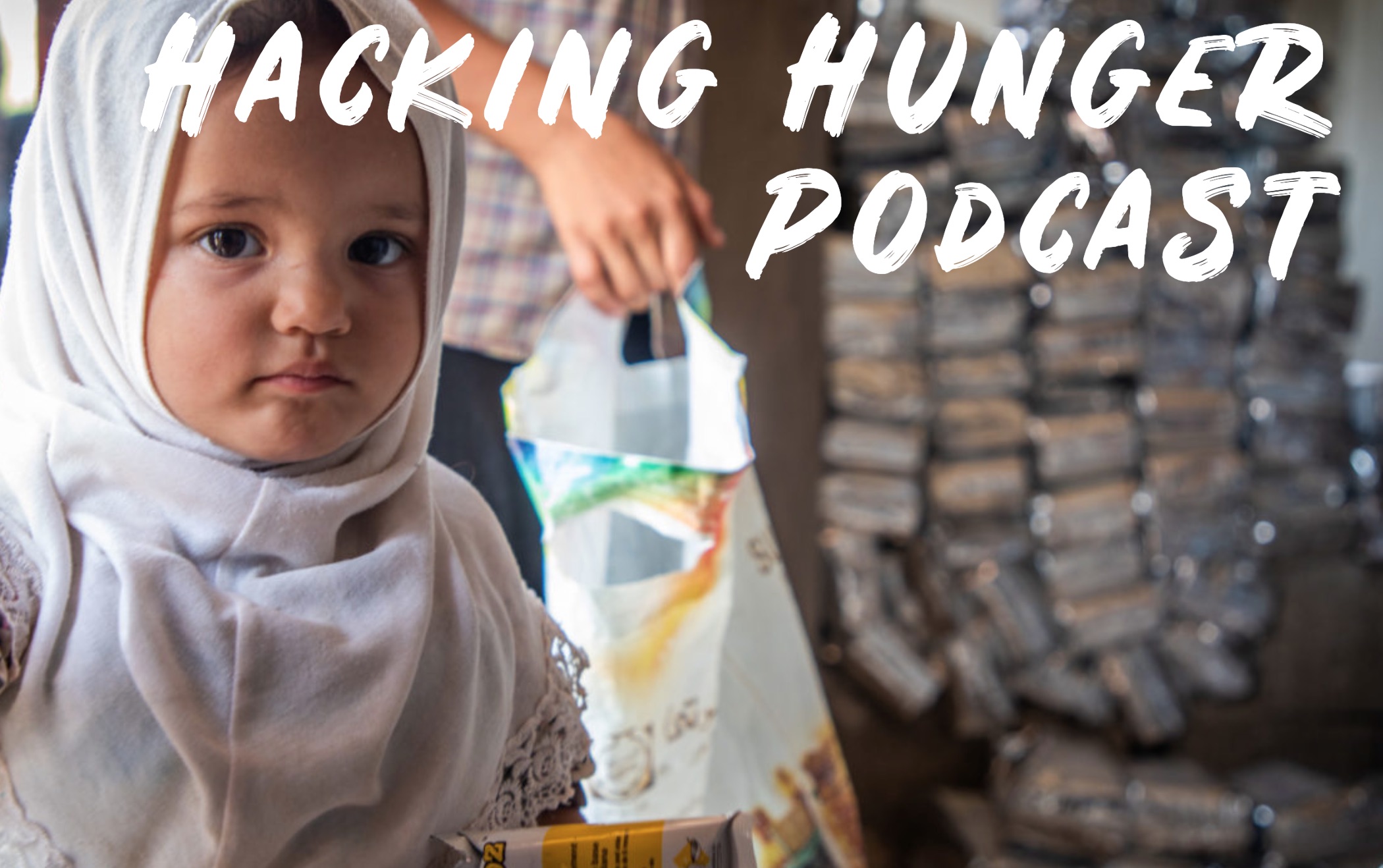
Interview: IFPRI’s Johan Swinnen on the COVID-19 pandemic, food security, and building future resilience
Creating more inclusive food systems for a post-pandemic world.
-
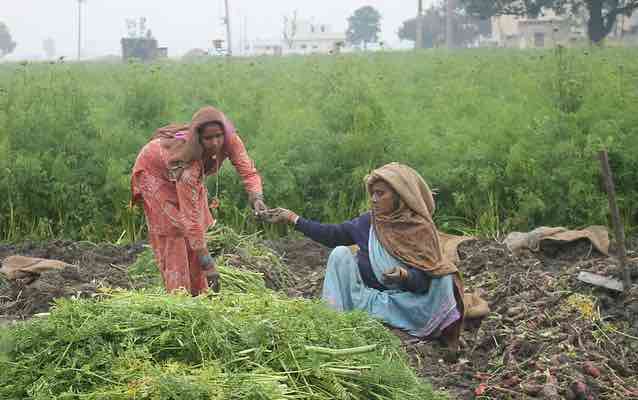
Study suggests that climate smart agriculture can boost yields, reduce hunger and emissions globally
A new paper is the first to quantify the potential global impact of using CSA in food-crop production.
-
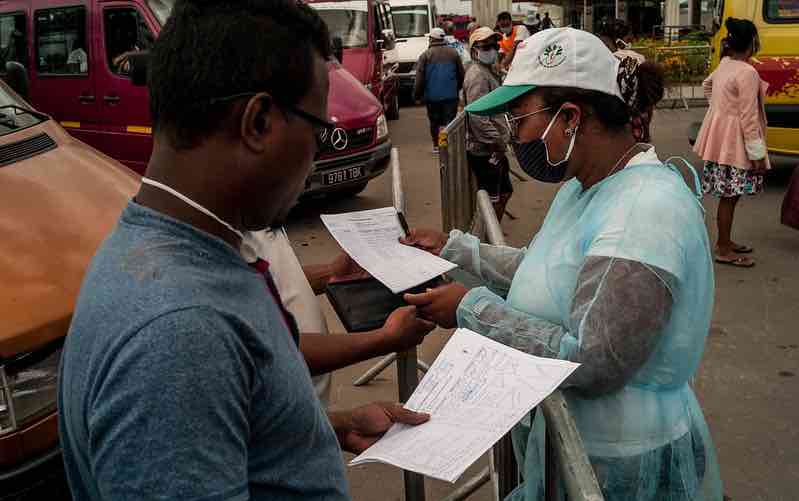
Trust in science and in government plays a crucial role in COVID-19 response
Breakdowns in public confidence can endanger public health.
-
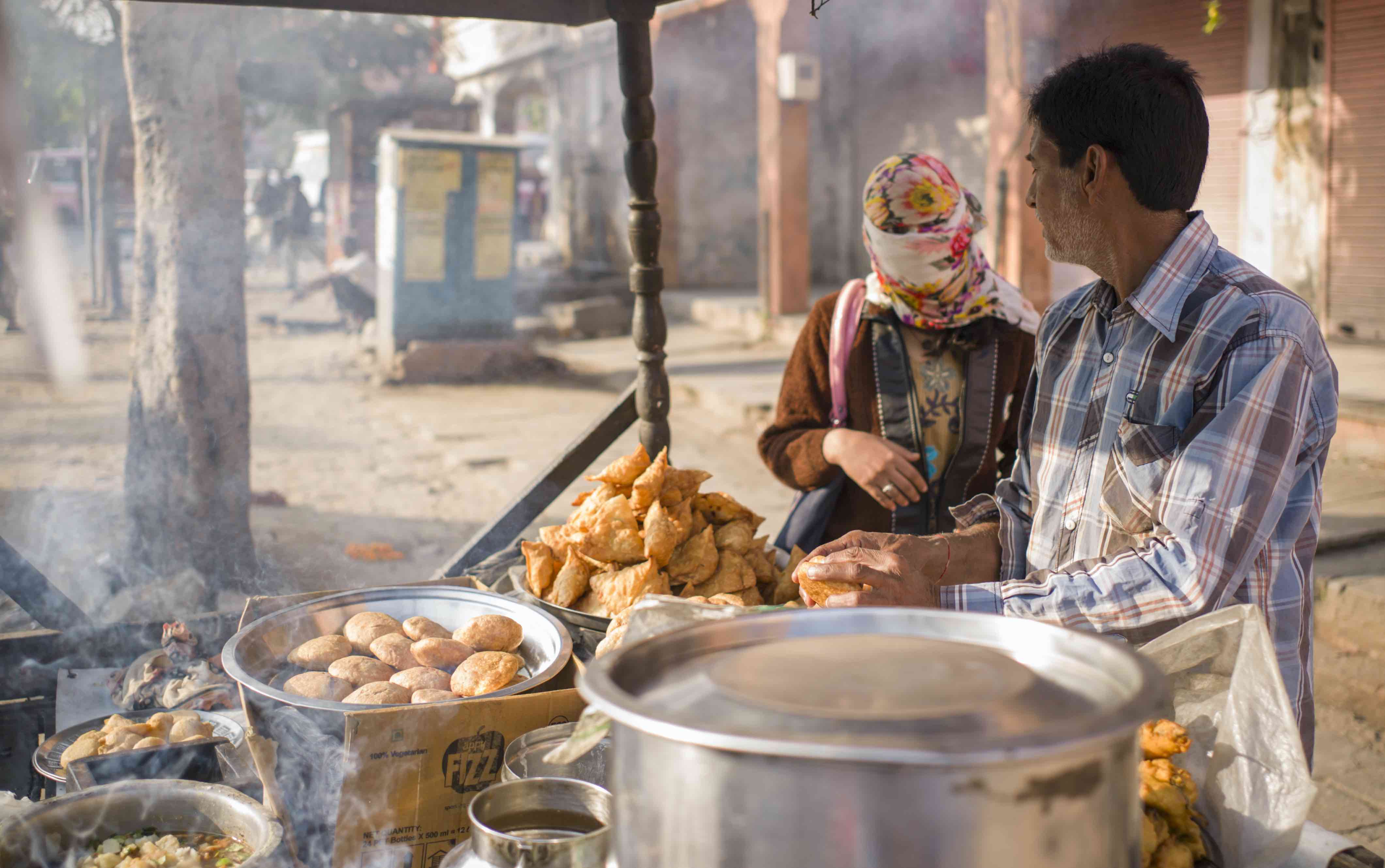
World Food Safety Day 2020: COVID-19 offers an opportunity for India’s food systems to deliver on safety and health
Awareness of the importance of food systems hygiene is on the rise.
-
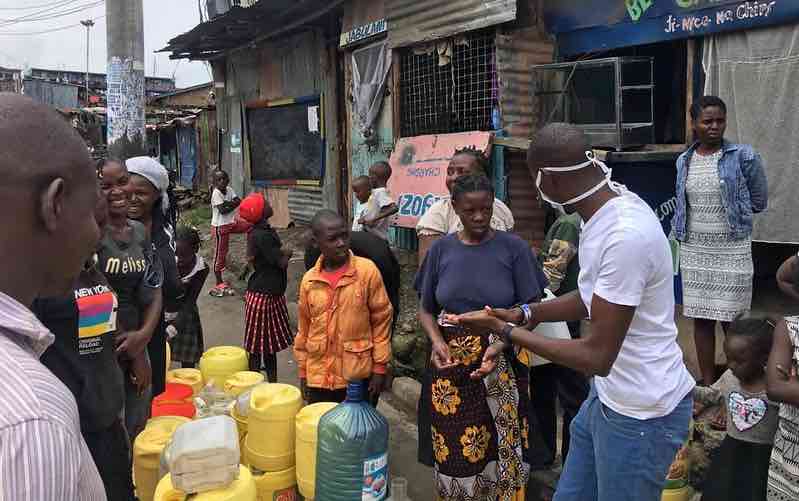
Water in the COVID-19 crisis: Response, recovery, and resilience
How water connects the many global systems now being disrupted by the pandemic.
-
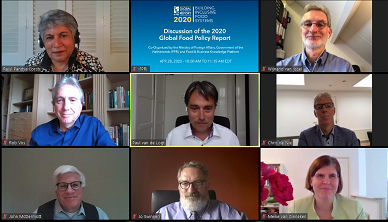
Virtual seminar: Build on knowledge, translate to action with the 2020 Global Food Policy Report
Insights from the GFPR's inclusive food systems theme in light of the COVID-19 crisis. Co-organized with the Netherlands Ministry of Foreign Affairs.
-
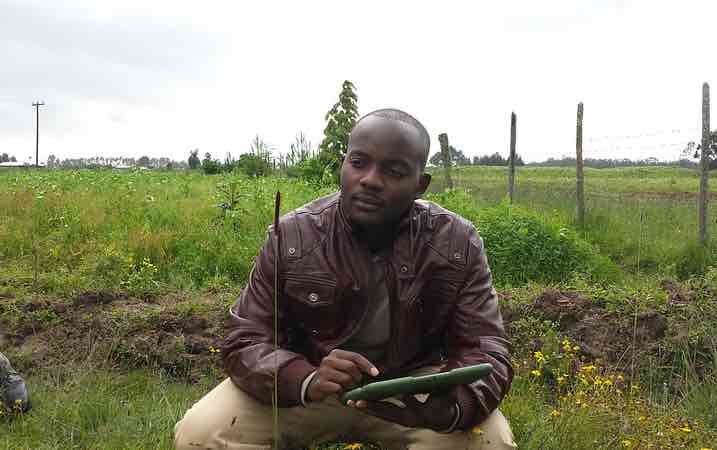
Leveraging local knowledge to map and link agricultural plots to farmer practices
Having farmers outline their plots on tablets can save time and effort in research, a study shows.
-
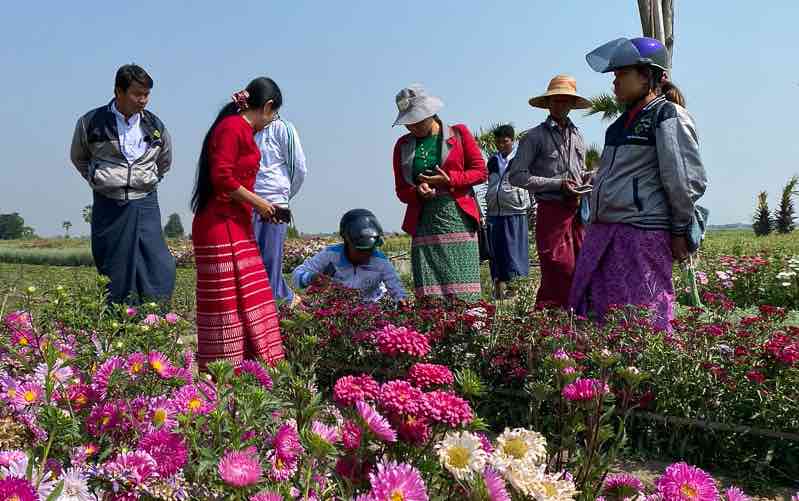
Exploring agricultural research and extension linkages in Myanmar: A photo essay
Building better connections to bring the latest techniques and technologies to farmers.
-
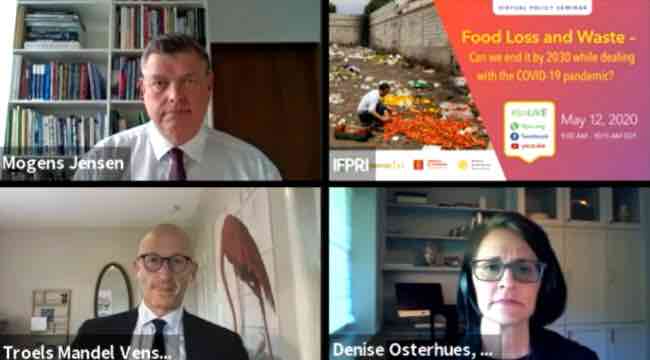
Virtual event: COVID-19 and the global effort to end food loss and waste by 2030
Confronting new challenges to progress on a key Sustainable Development Goal.
-
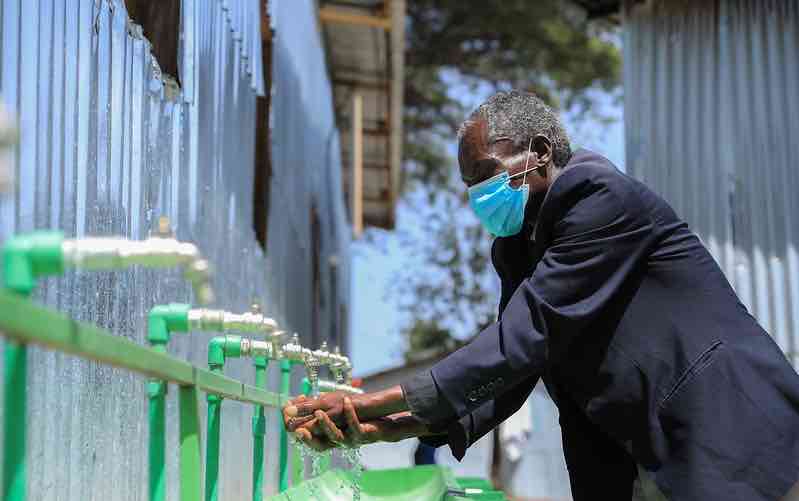
Survey suggests rising risk of food and nutrition insecurity in Addis Ababa, Ethiopia, as COVID-19 restrictions continue
Poor urban households are hit the hardest by pandemic control measures.
-
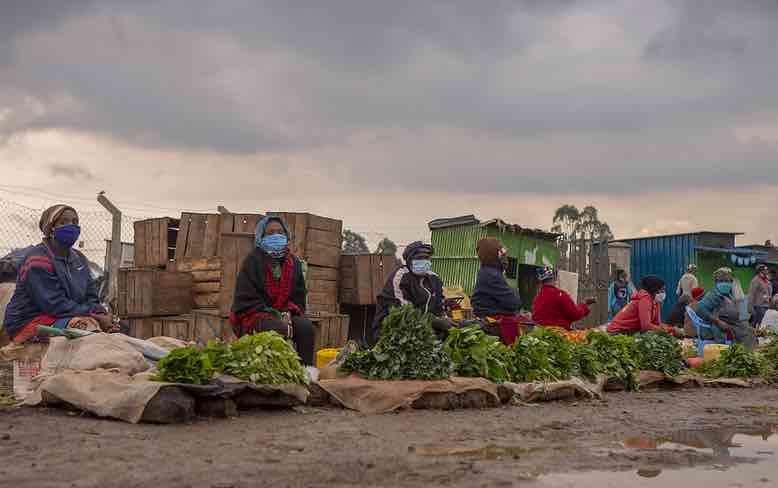
IFPRI’s COVID-19 Policy Response (CPR) Portal: Identifying trends and implications for food systems
A new tool allows comparison of unfolding pandemic control and assistance measures in developing countries.
-
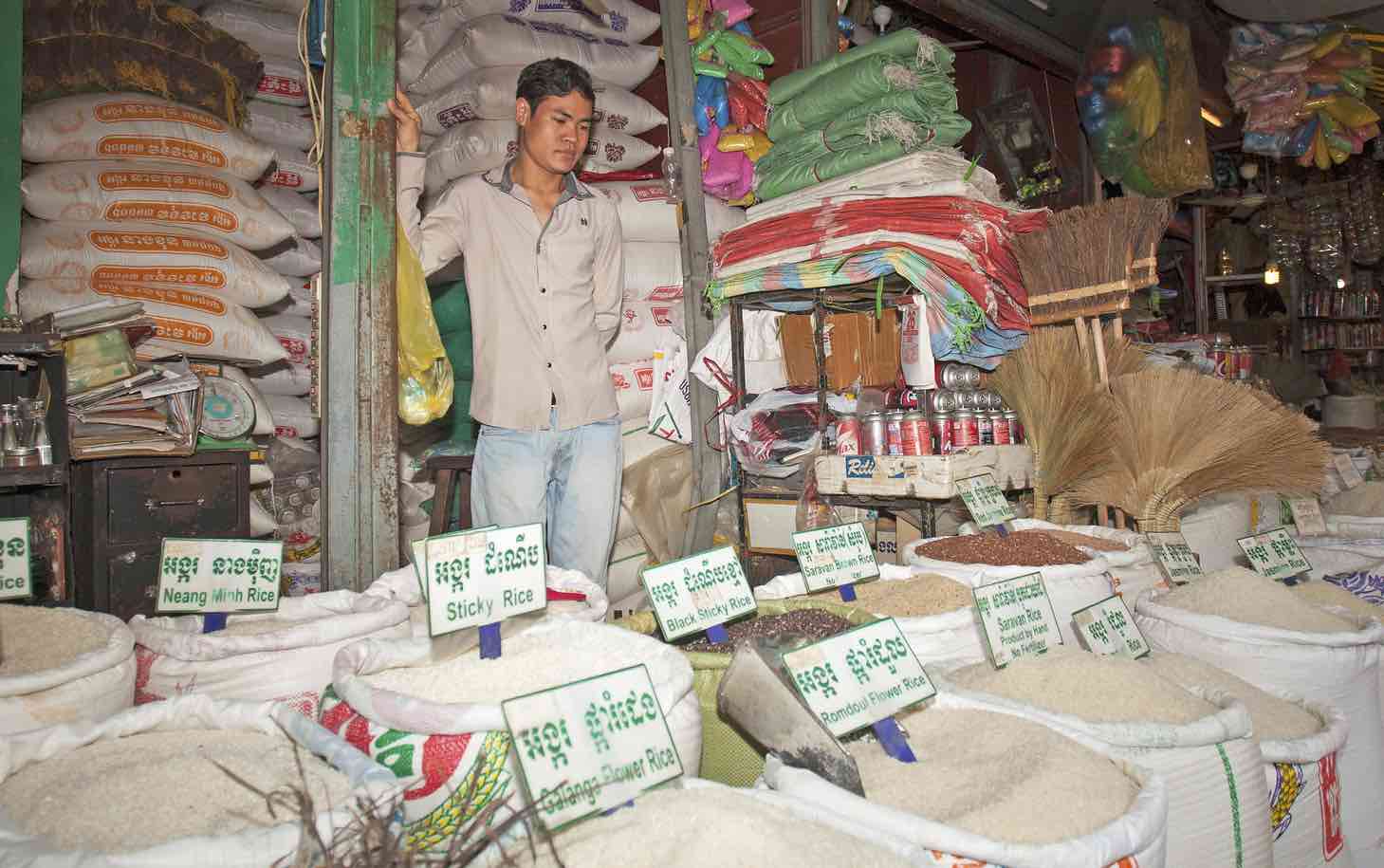
COVID-19-related trade restrictions on rice and wheat could drive up prices and increase hunger
Modeling suggests export bans intended to buttress domestic food supplies could have wide impacts.
-
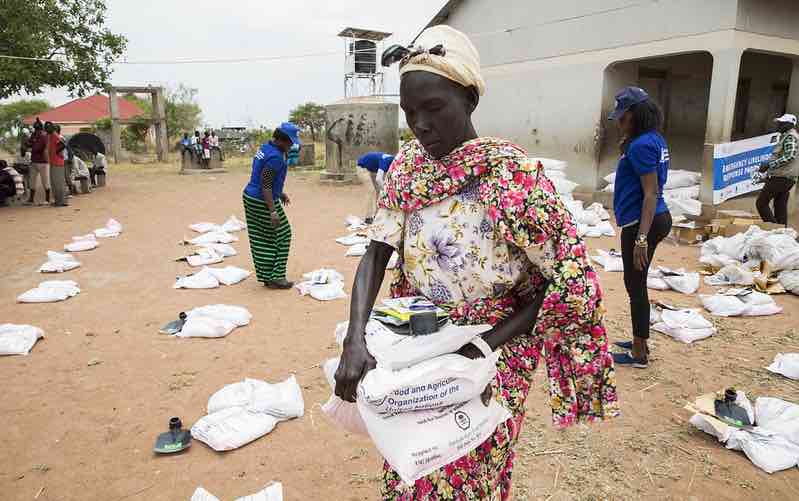
Fixing the global food system after coronavirus
Finding ways to sustainably intensify the production of safe and nutritious food over the long term.
-

Virtual seminar: IFPRI researchers on COVID-19 emerging problems and country-level responses
Falling incomes may lead to rising poverty, food insecurity, and gender inequity.
-
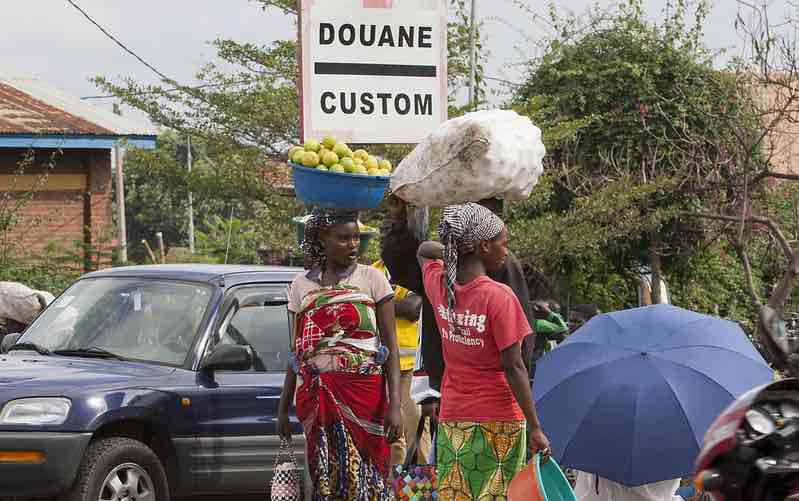
Les politiques à-la-frontière mises en place contre le Covid-19 affectent le commerce africain et les populations locales
Emergency border restrictions have costs, including slowdowns in both formal and informal trade.
-

COVID-19 border policies create problems for African trade and economic pain for communities
Emergency border restrictions have costs, including slowdowns in both formal and informal trade.
-
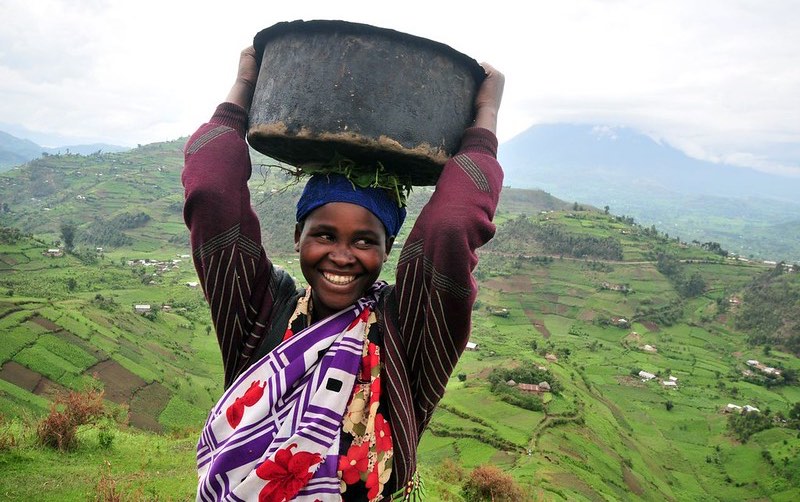
Providing information to empower women in agriculture: Evidence from Uganda
A study shows that viewing videos on farming techniques has a range of gender equity benefits.
-
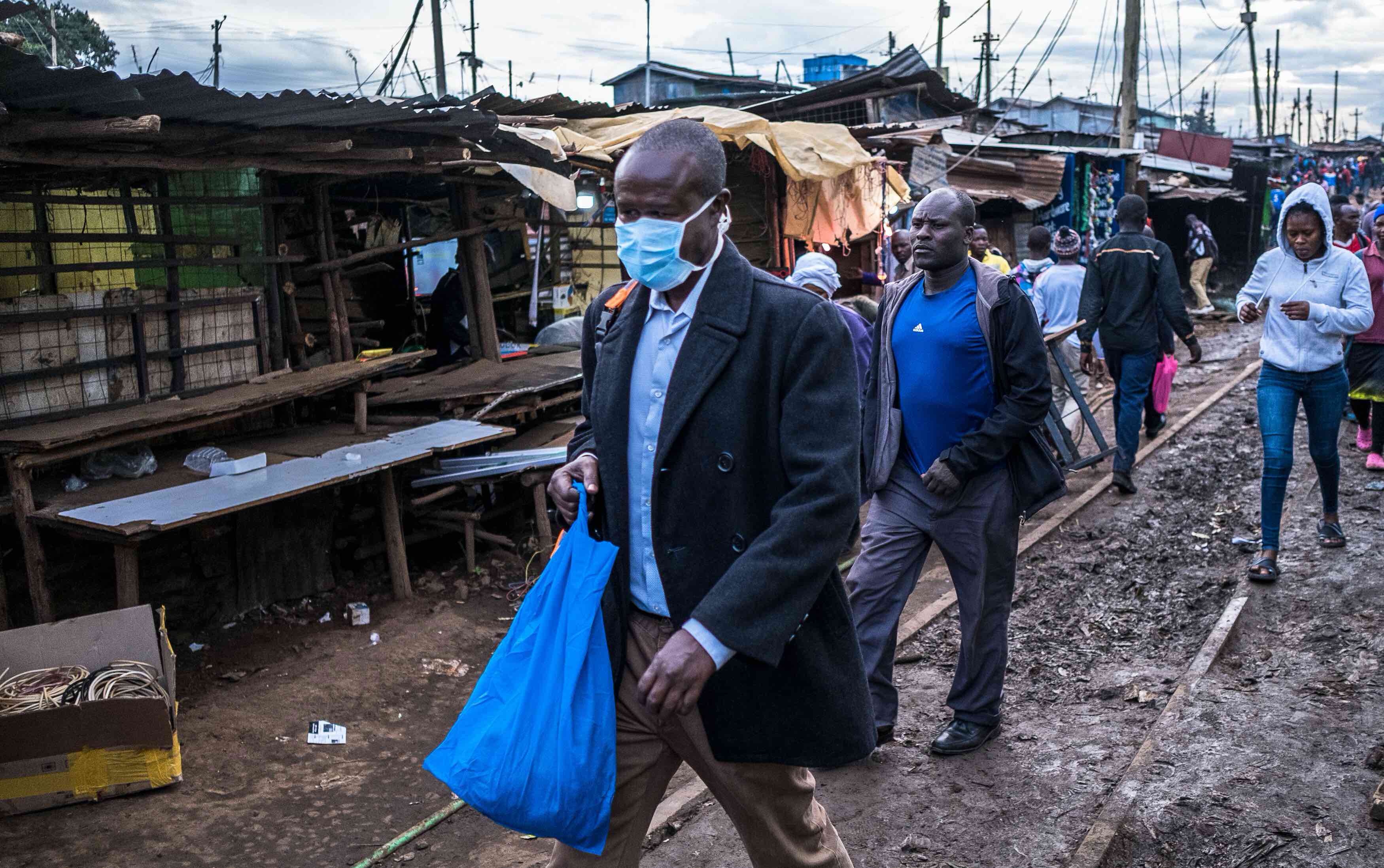
COVID-19 lockdowns are imposing substantial economic costs on countries in Africa
IFPRI country studies indicate the pandemic is leading to much larger and more rapid contractions of economic activity than seen in previous crises.
-

Assessing the toll of COVID-19 lockdown measures on the South African economy
Modeling shows GDP and incomes—particularly among low-income households—falling dramatically.
-
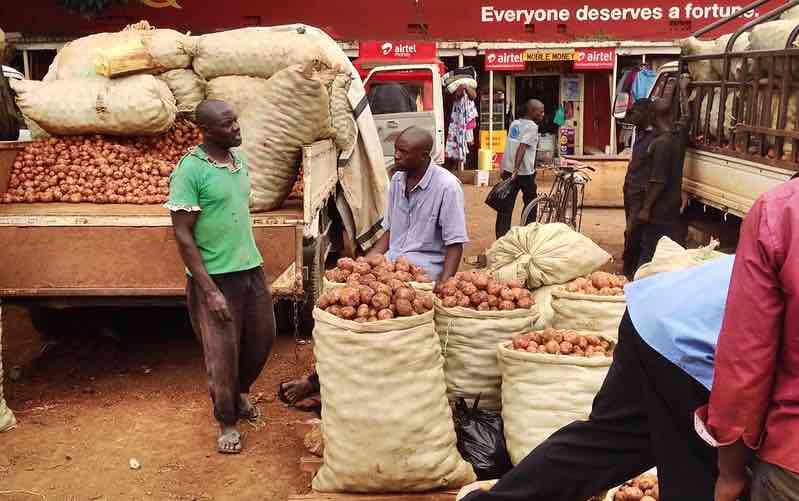
IFPRI’s new COVID-19 Food Price Monitor tracks warning signs of stress in local markets
Spotting the red flag of spiking prices can speed interventions to head off bigger food security problems.
-
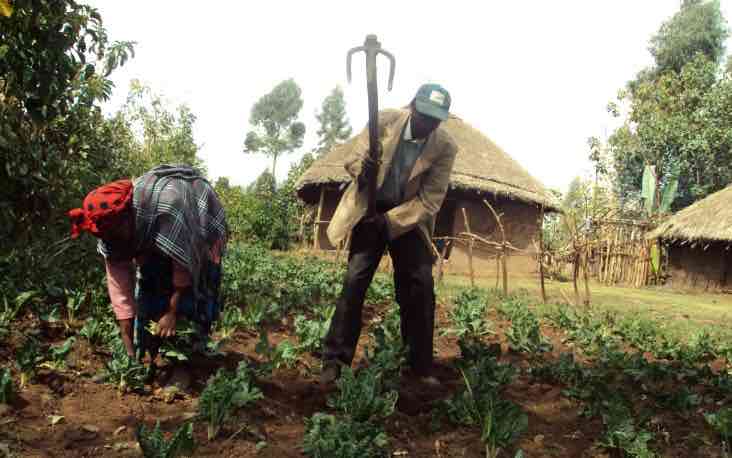
Why ‘home garden’ projects don’t always work: Insights from Ethiopia
There are valid reasons to doubt whether these programs provide a sustainable and cost-effective way of addressing poor nutrition.
-
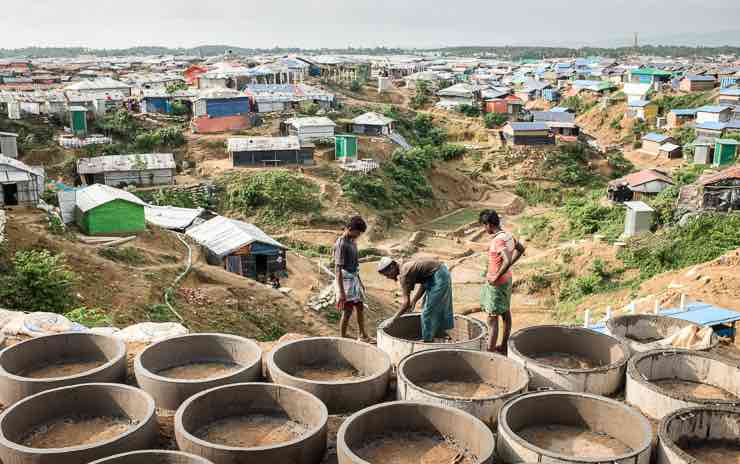
Integrating displaced communities into food systems
With global food insecurity on the rise, some ways to break the recurring feedback loop between conflict and hunger—from IFPRI's 2020 Global Food Policy Report.
-
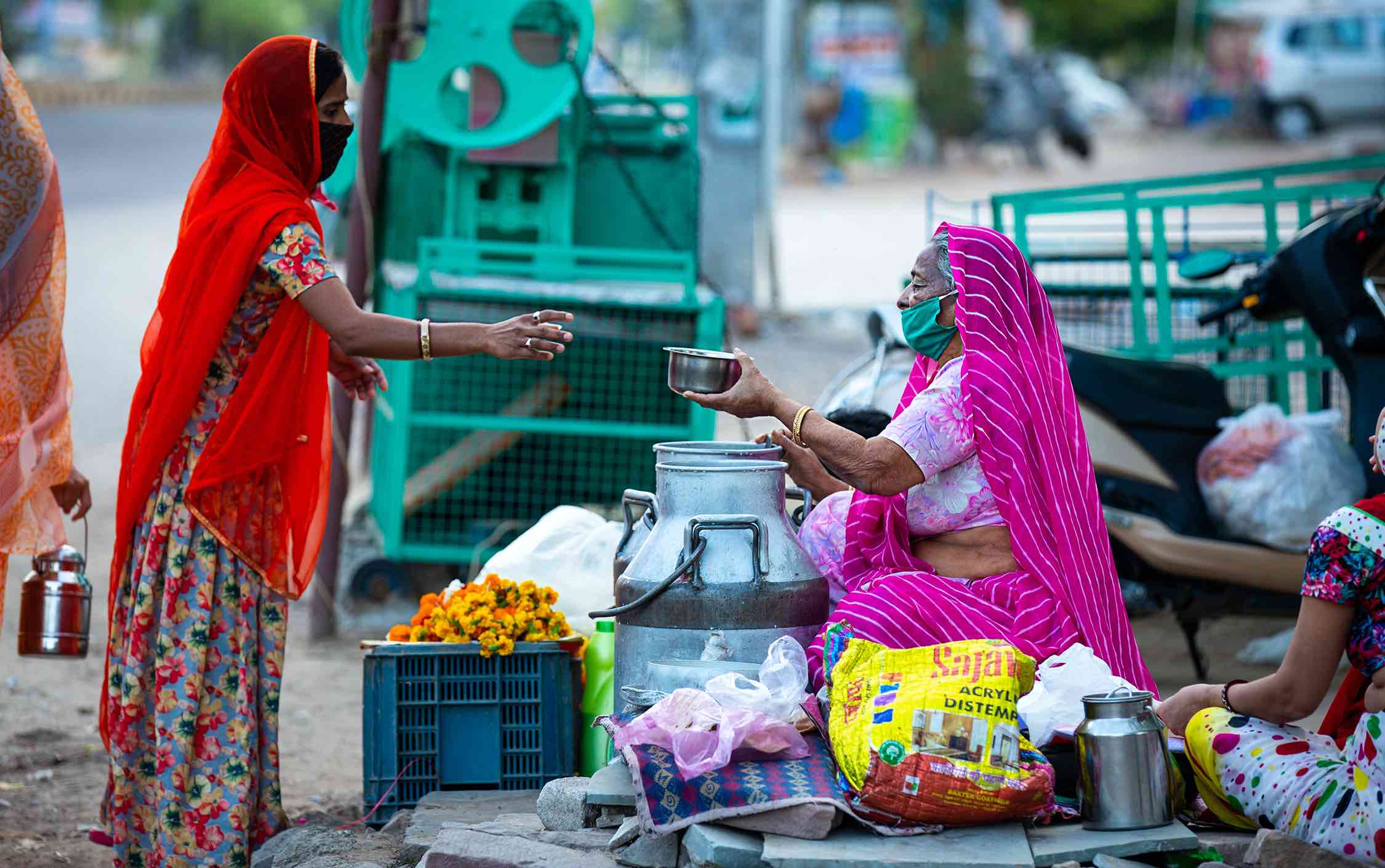
Why gender-sensitive social protection is critical to the COVID-19 response in low- and middle-income countries
Governments ramping up pandemic assistance programs must take care to see they don't widen inequalities.
-
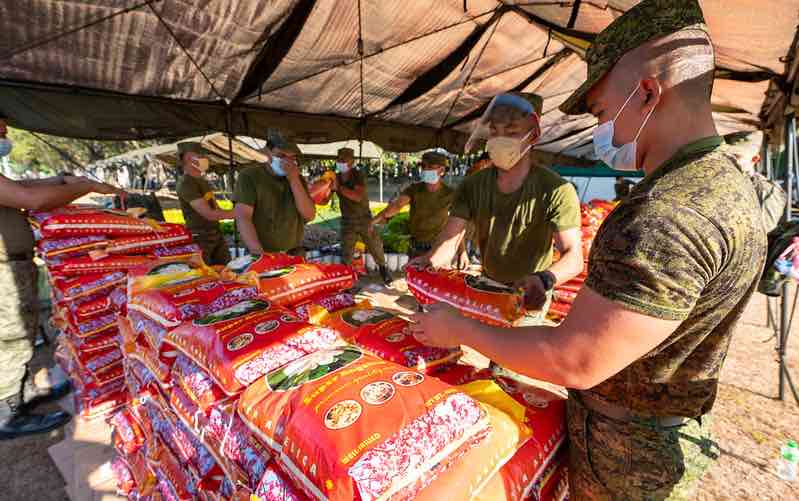
Biblical, on steroids, and across generations: The coming food and nutrition crash can be averted if we act now to counter the COVID-19 crisis
Act now to head off a looming nutrition disaster for the world's poor.
-

A farewell to IFPRI Africa Director Ousmane Badiane
IFPRI's retiring Africa director reflects on 30 years of development work.
-
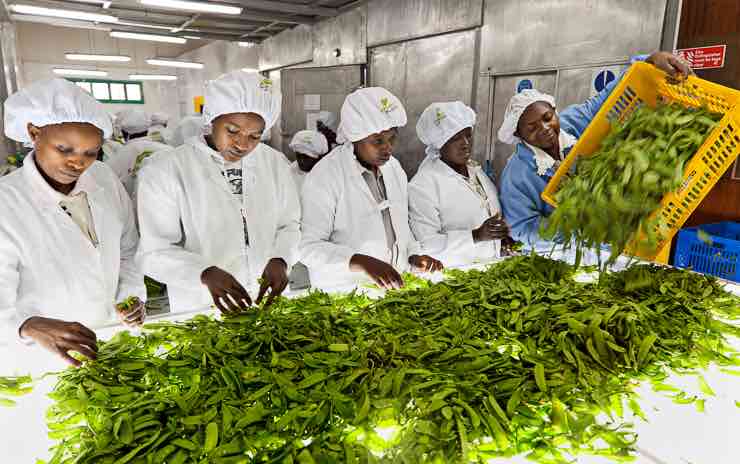
Including Africa’s young people in food systems
Prospects for the continent's "youth bulge" depend on agricultural innovation.
-
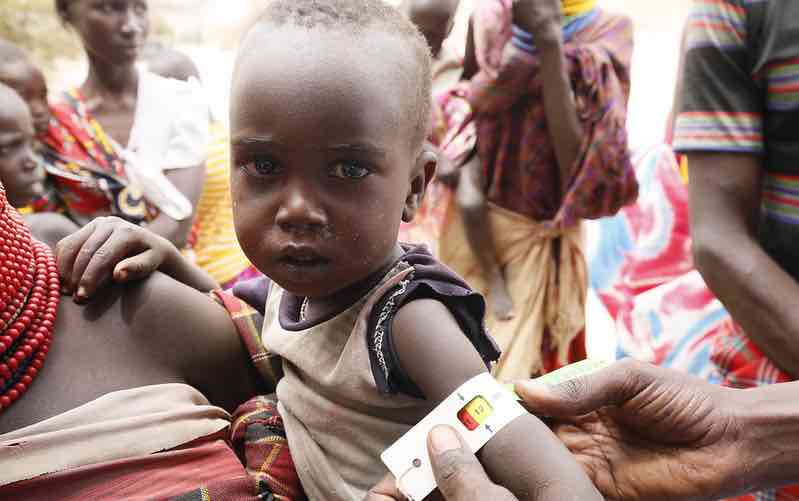
Global Report on Food Crises: 135 million in 55 countries faced acute hunger in 2019
Conflict and climate and economic shocks contribute to rising global hunger numbers.
-

The COVID-19 nutrition crisis: What to expect and how to protect
The pandemic has all the makings of a perfect storm for global malnutrition.
-
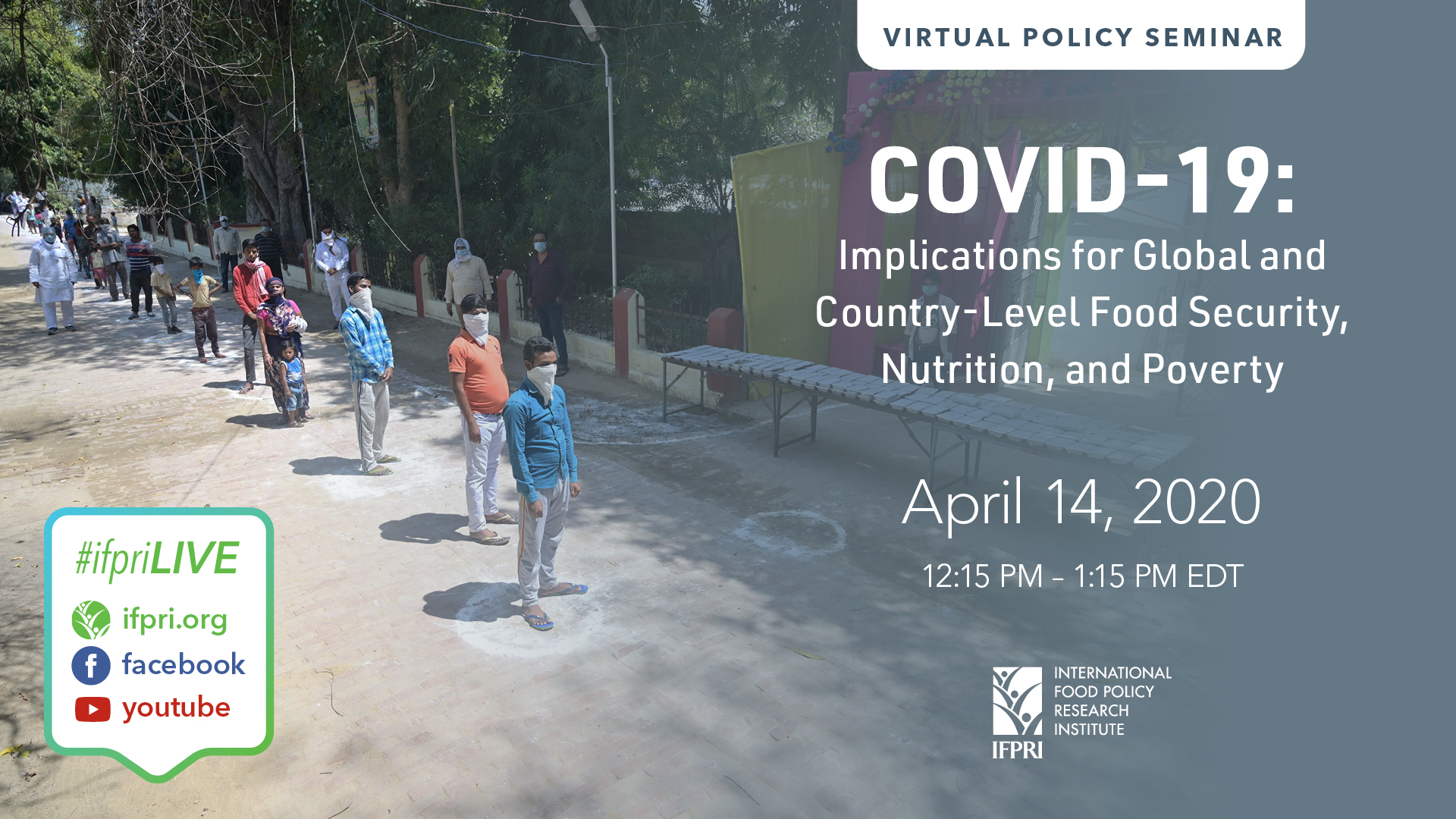
Policy seminar: COVID-19’s implications for food security, nutrition, and poverty
IFPRI findings show the pandemic's impacts are falling heavily on the poor around the world.
-
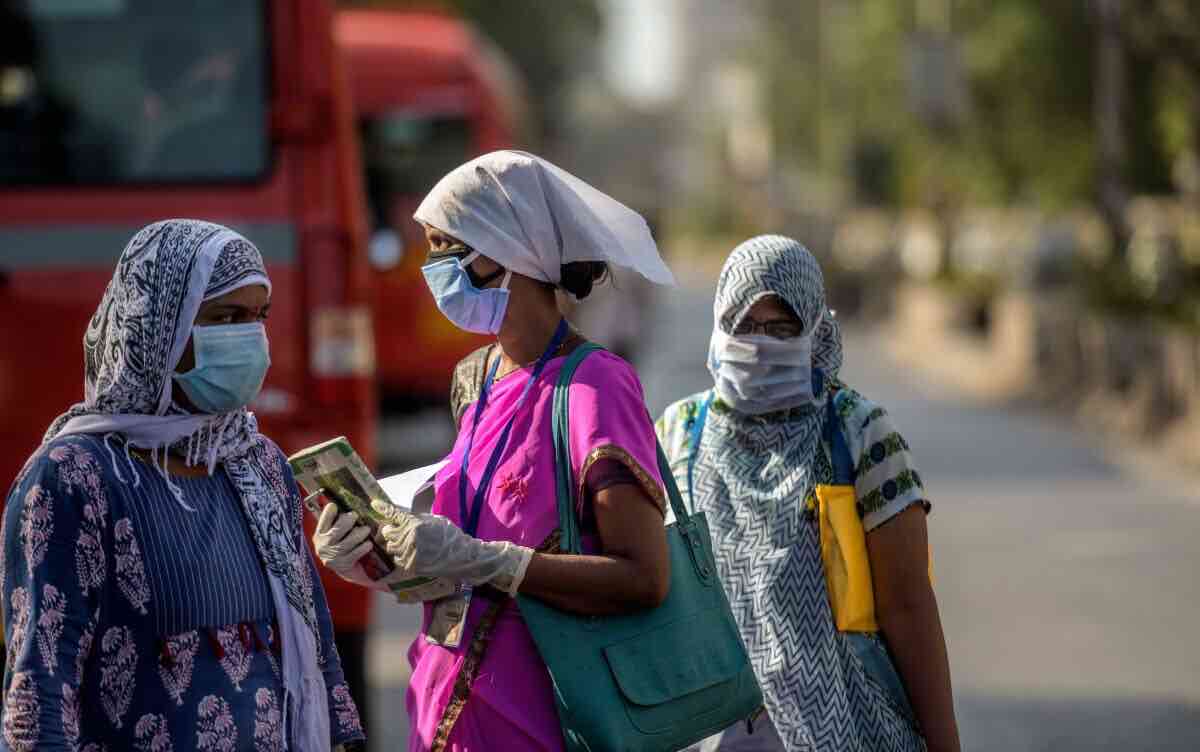
Why gender matters in COVID-19 responses – now and in the future
In low- and middle-income countries, women are key to practical efforts to limit the spread of coronavirus—but face many obstacles men do not.
-
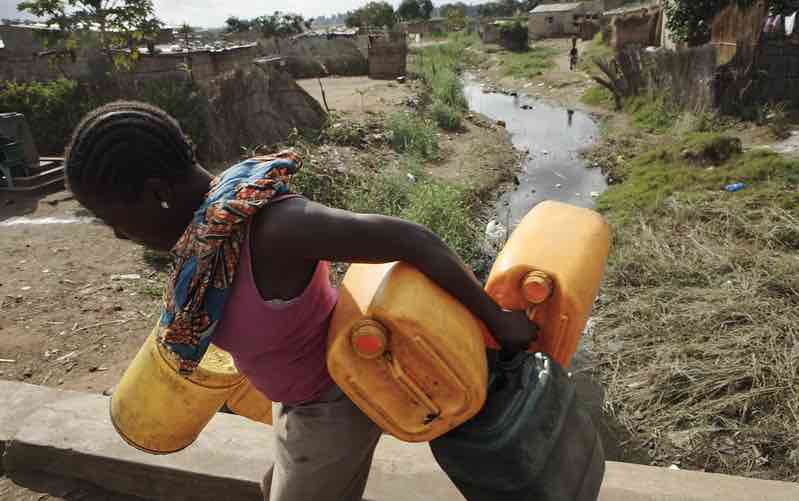
Earth Day 2020: Lessons for human survival from a pandemic and a global environment under stress
The 50th anniversary of Earth Day and COVID-19 crisis prompt reflection on where we are heading as a species.
-
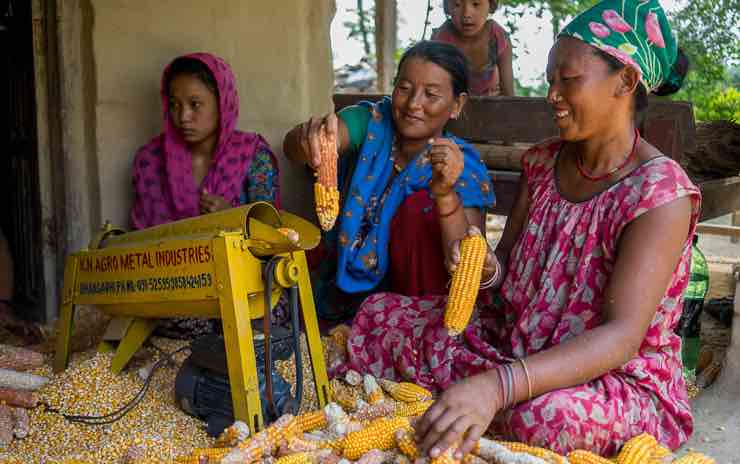
Transforming food systems for women’s empowerment and equity
Ensuring that women’s contributions to food systems are recognized, and that women can make strategic choices about their involvement, has benefits for all.
-
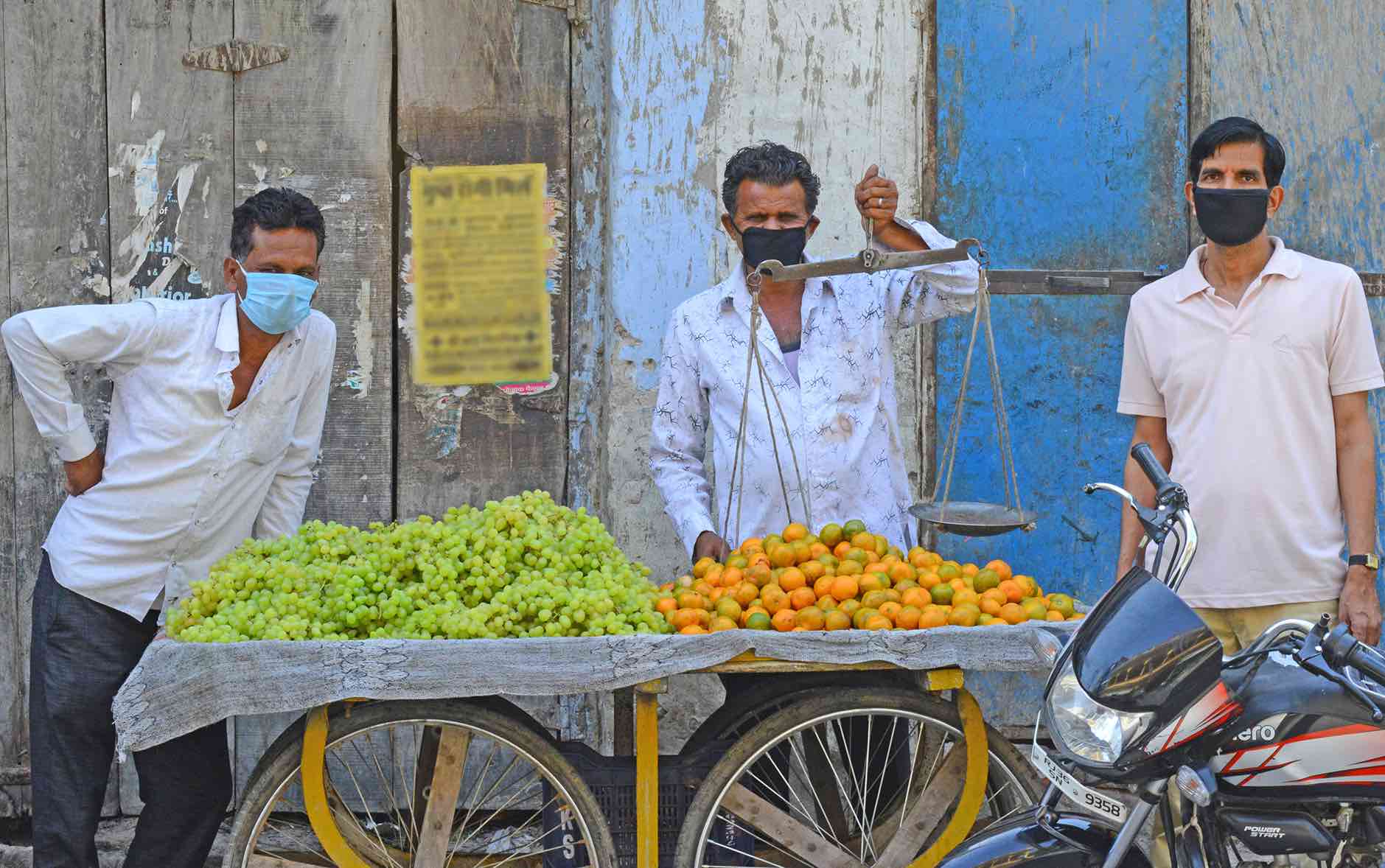
Poverty and food insecurity could grow dramatically as COVID-19 spreads
Without significant action, modeling shows, a global health crisis could trigger global poverty and food crises.
-

模型预测新冠疫情将导致全球贫困增加与食物危机
Without significant action, modeling shows, a global health crisis could trigger global poverty and food crises.
-
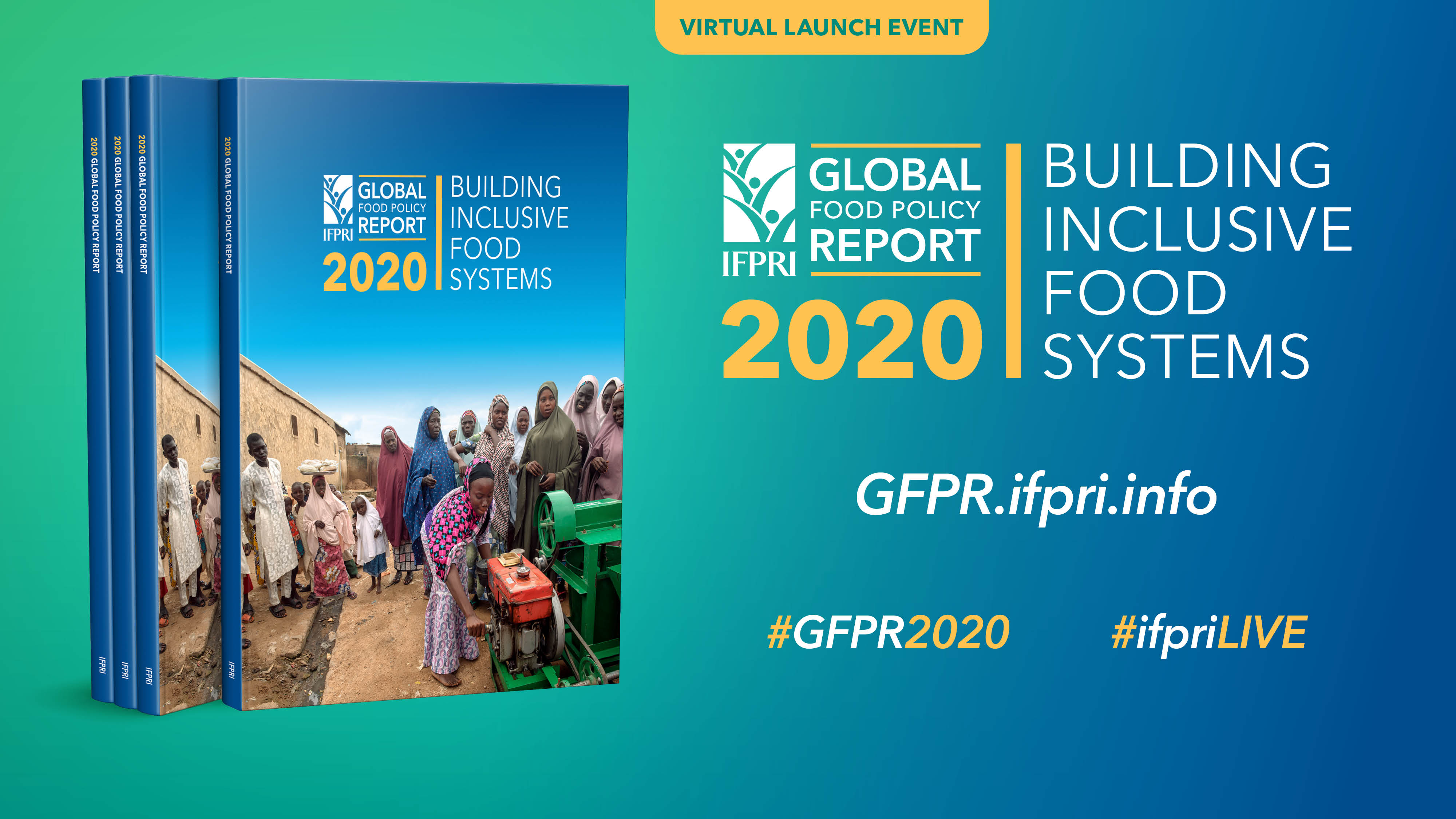
Global Food Policy Report 2020 launch: Building inclusive food systems
As the COVID-19 pandemic increasingly upends economies, efforts to improve food systems must continue.
-
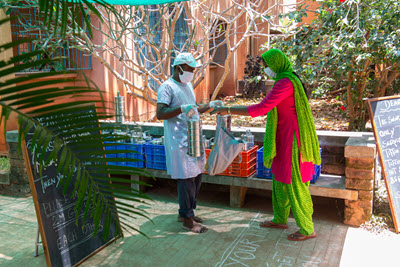
For the poorest countries, the full danger from coronavirus is only just coming into view
Global cooperation is essential to avert a health, economic, and social catastrophe.
-
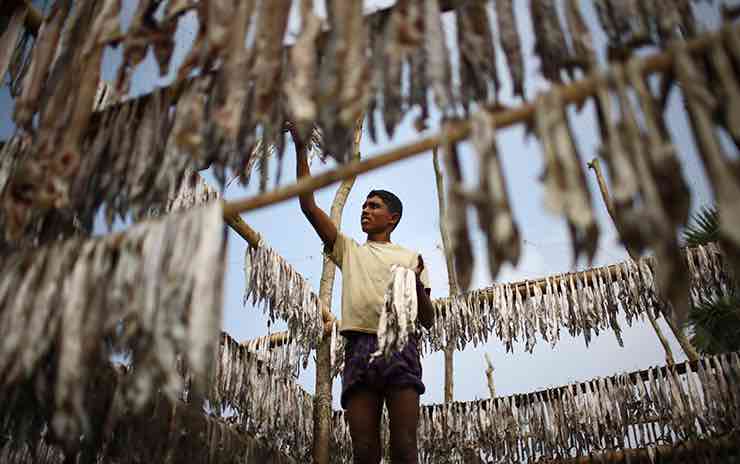
Viewing food system transformation through the country lens
Lessons from Bangladesh, Ethiopia, Nigeria, and Viet Nam on promoting inclusion and better nutrition, from the 2020 Global Food Policy Report.
-
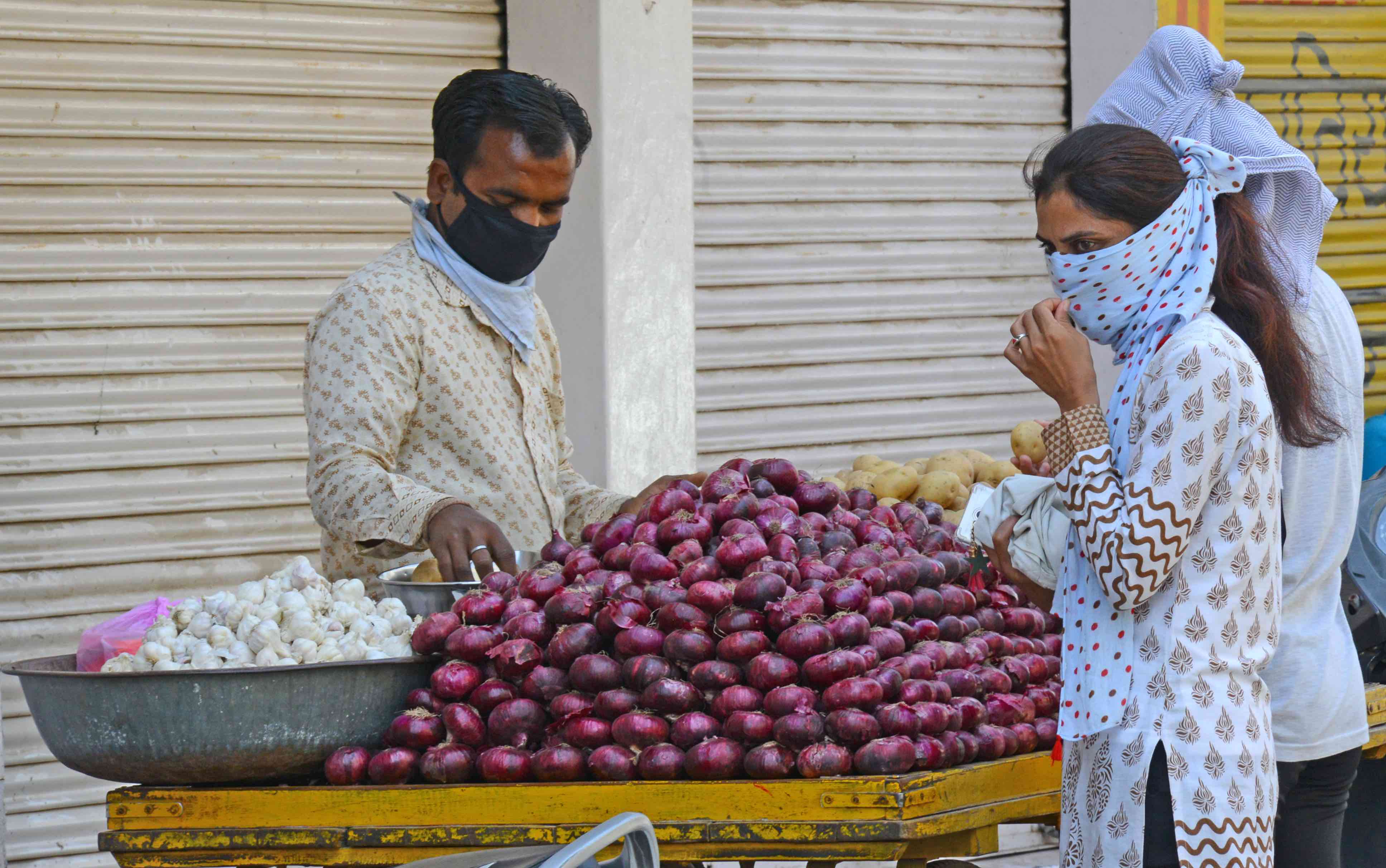
Diets in a time of coronavirus: Don’t let vegetables fall off the plate
The COVID-19 pandemic poses challenges for vegetable production—and for global food security—due to its seasonal nature, labor needs, and the perishability of fresh produce.
-
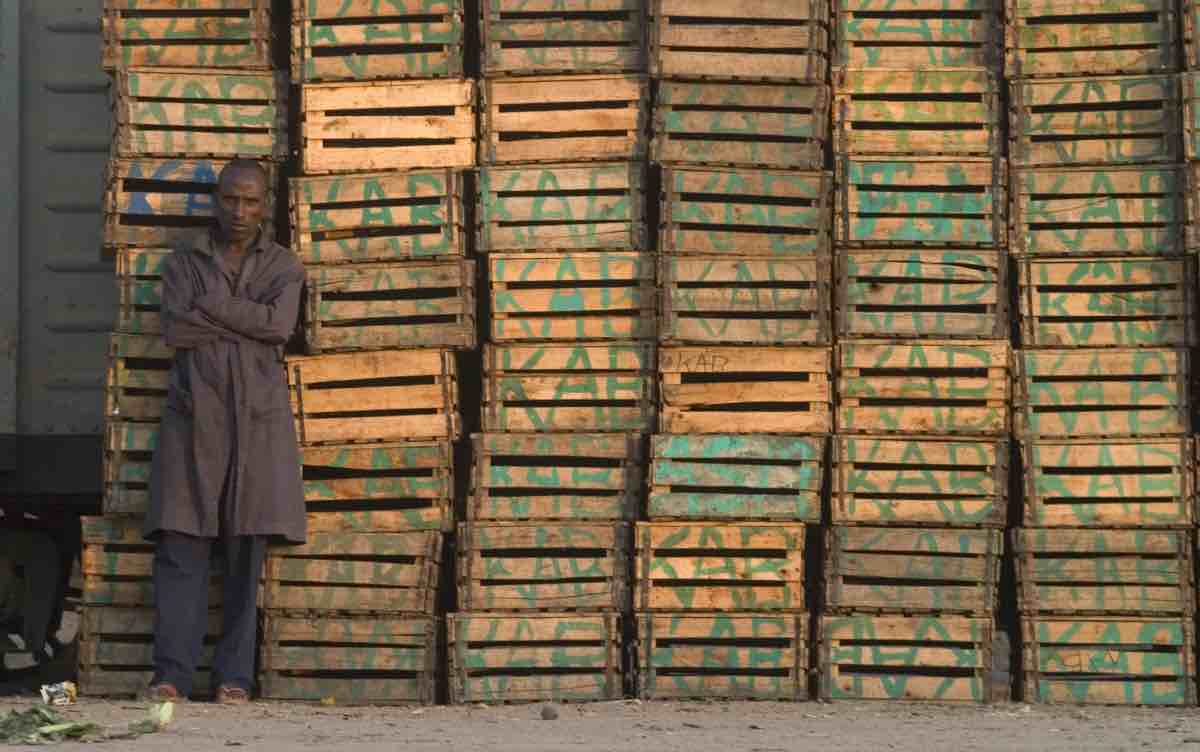
Impacts of the COVID-19 crisis on vegetable value chains in Ethiopia
As restrictions take effect, a survey shows reductions in food trade and consumption.
-
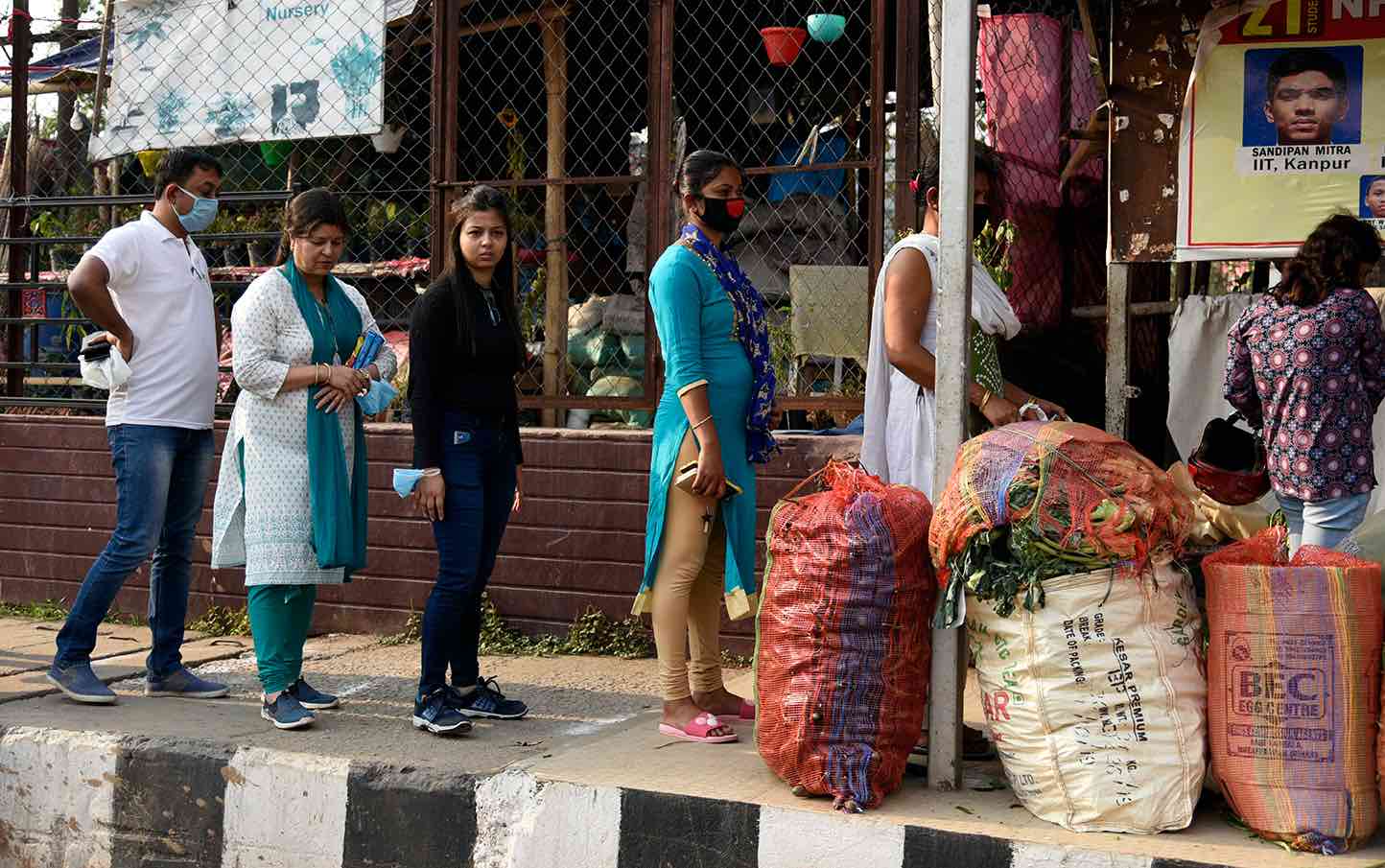
新冠疫情会导致食物危机吗?
If you are rich, the answer may well be no. But if you are poor, the answer is more likely to be yes.
-

Will COVID-19 cause another food crisis? An early review
If you are rich, the answer may well be no. But if you are poor, the answer is more likely to be yes.
-

Respuestas fiscales y monetarias a la pandemia de COVID-19: algunas reflexiones para los países en desarrollo y la comunidad internacional
Governments must use every means at their disposal to cushion the blow of shutdowns and massive job losses.
-
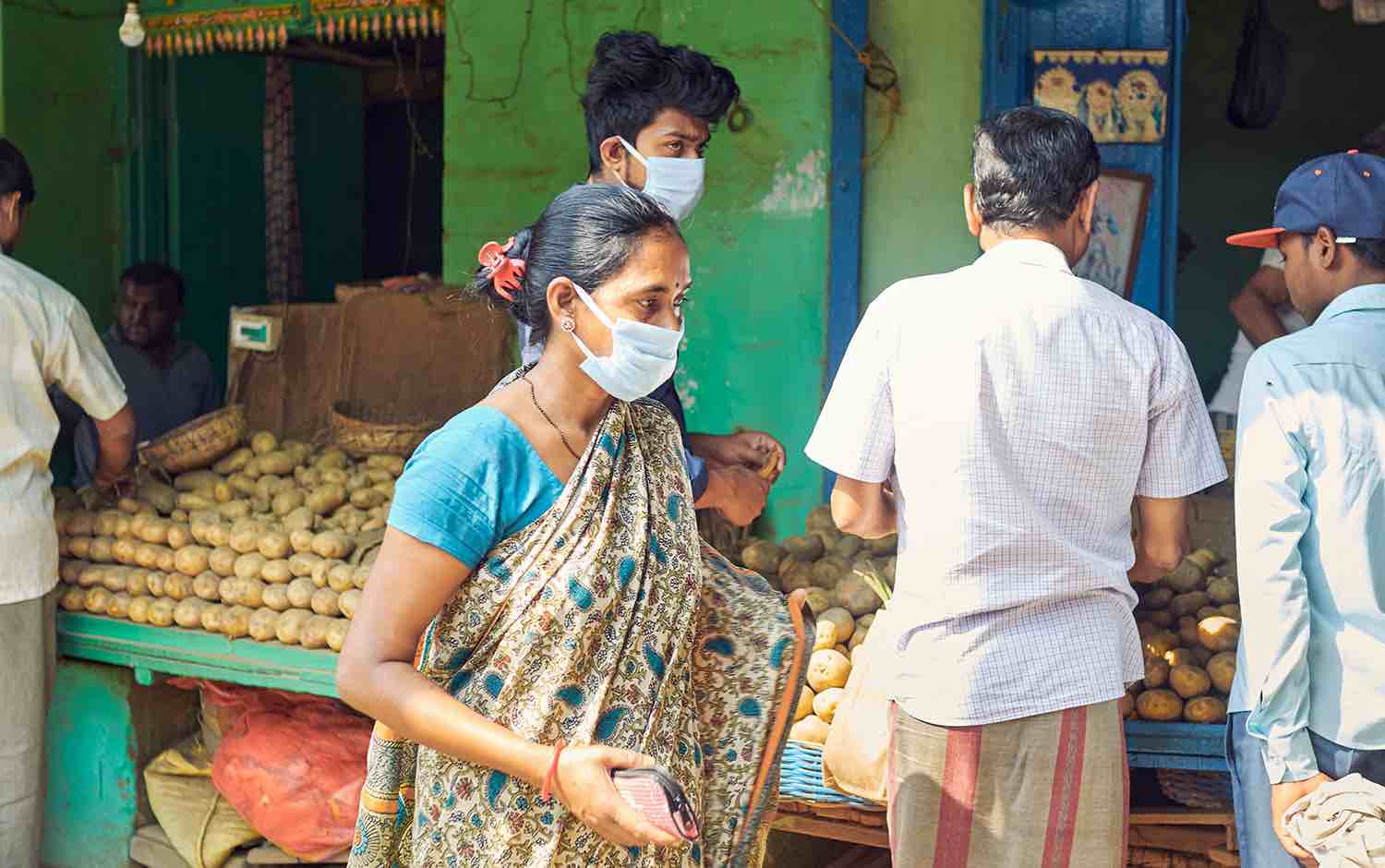
Addressing COVID-19 impacts on agriculture, food security, and livelihoods in India
Hundreds of millions already living precariously now face severe hardship; India should think big when it comes to relief efforts.
-

Africa’s growing risk of diseases that spread from animals to people
Forces such as population growth, urbanization, and forest exploitation offer new pathways for viral outbreaks.
-
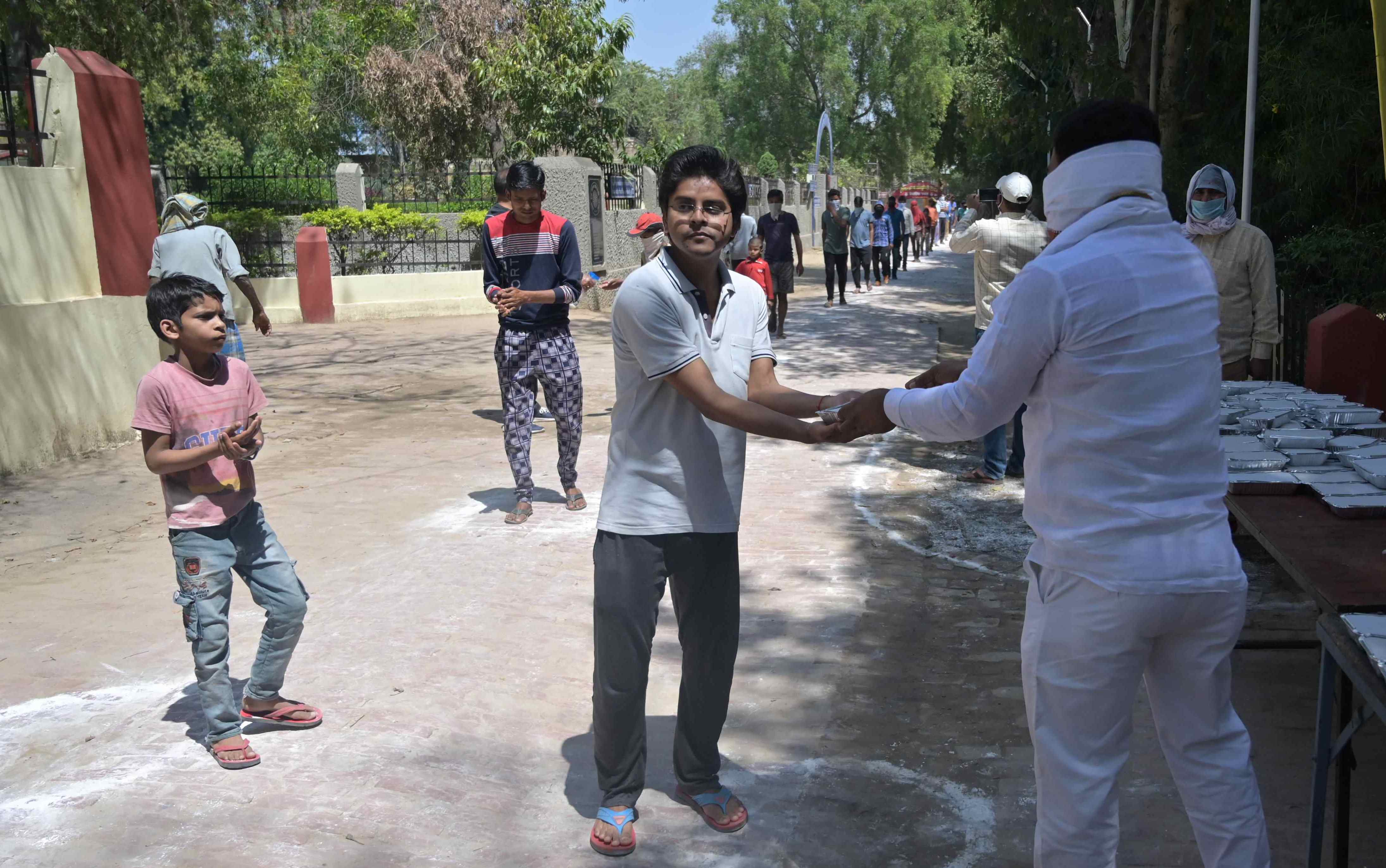
How India’s food-based safety net is responding to the COVID-19 lockdown
Marshalling an array of social safety net programs to buttress food security among the poor.
-
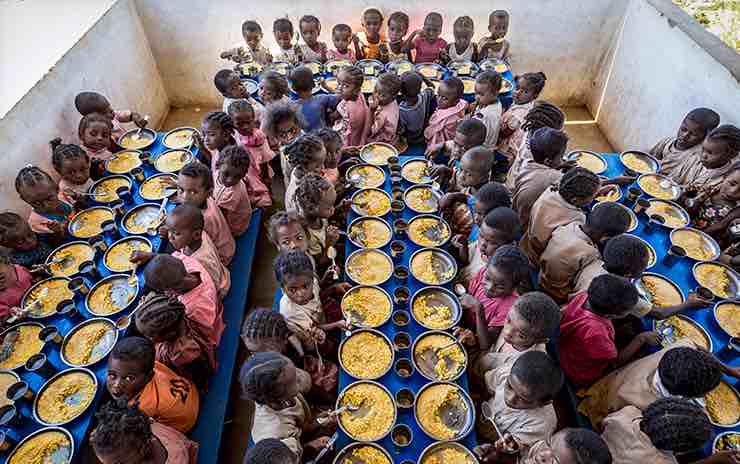
Global Food Policy Report 2020: Inclusive food systems can help sustainable development and resilience to shocks
The 2020 Global Food Policy Report outlines strategies to build better food security for the poor and marginalized around the world.
-

Fiscal and monetary responses to the COVID-19 pandemic: Some thoughts for developing countries and the international community
Governments must use every means at their disposal to cushion the blow of shutdowns and massive job losses.
-

Cómo COVID-19 puede interrumpir las cadenas de suministro de alimentos en los países en desarrollo
Lockdown measures will hit widely but unevenly, with most impacts felt in urban and peri-urban areas.
-

Comment le COVID-19 pourrait perturber les chaînes de valeur alimentaires dans les pays en développement
Lockdown measures will hit widely but unevenly, with most impacts felt in urban and peri-urban areas.
-

How COVID-19 may disrupt food supply chains in developing countries
Lockdown measures will hit widely but unevenly, with most impacts felt in urban and peri-urban areas.
-
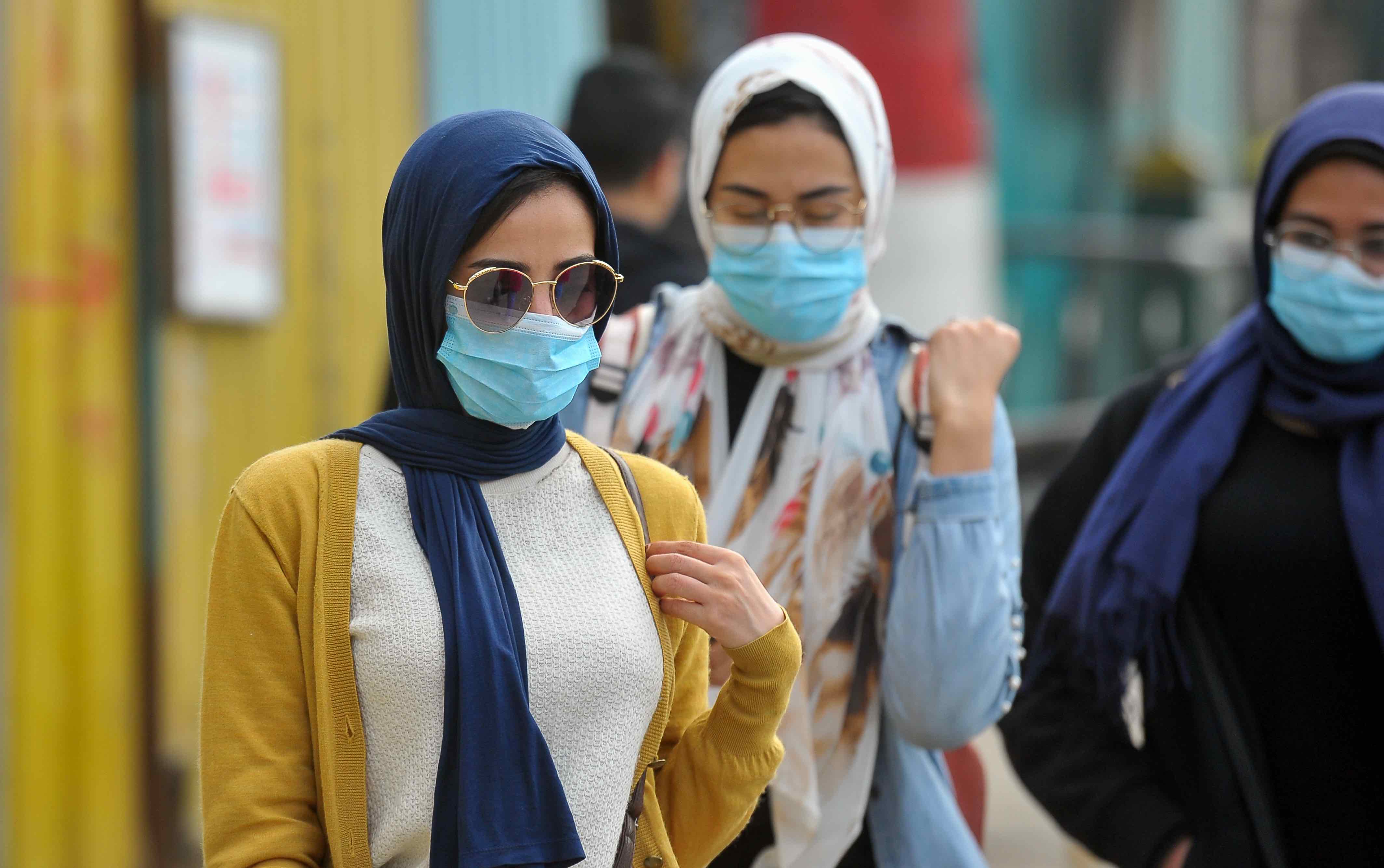
Economic impact of COVID-19 on tourism and remittances: Insights from Egypt
Modeling results show monthly declines in GDP, with the poor hit hardest.
-

تأثير الاقتصادي الناجم عن فيروس كورونا على السياحة والتحويلات المالية
Modeling results show monthly declines in GDP, with the poor hit hardest.
-
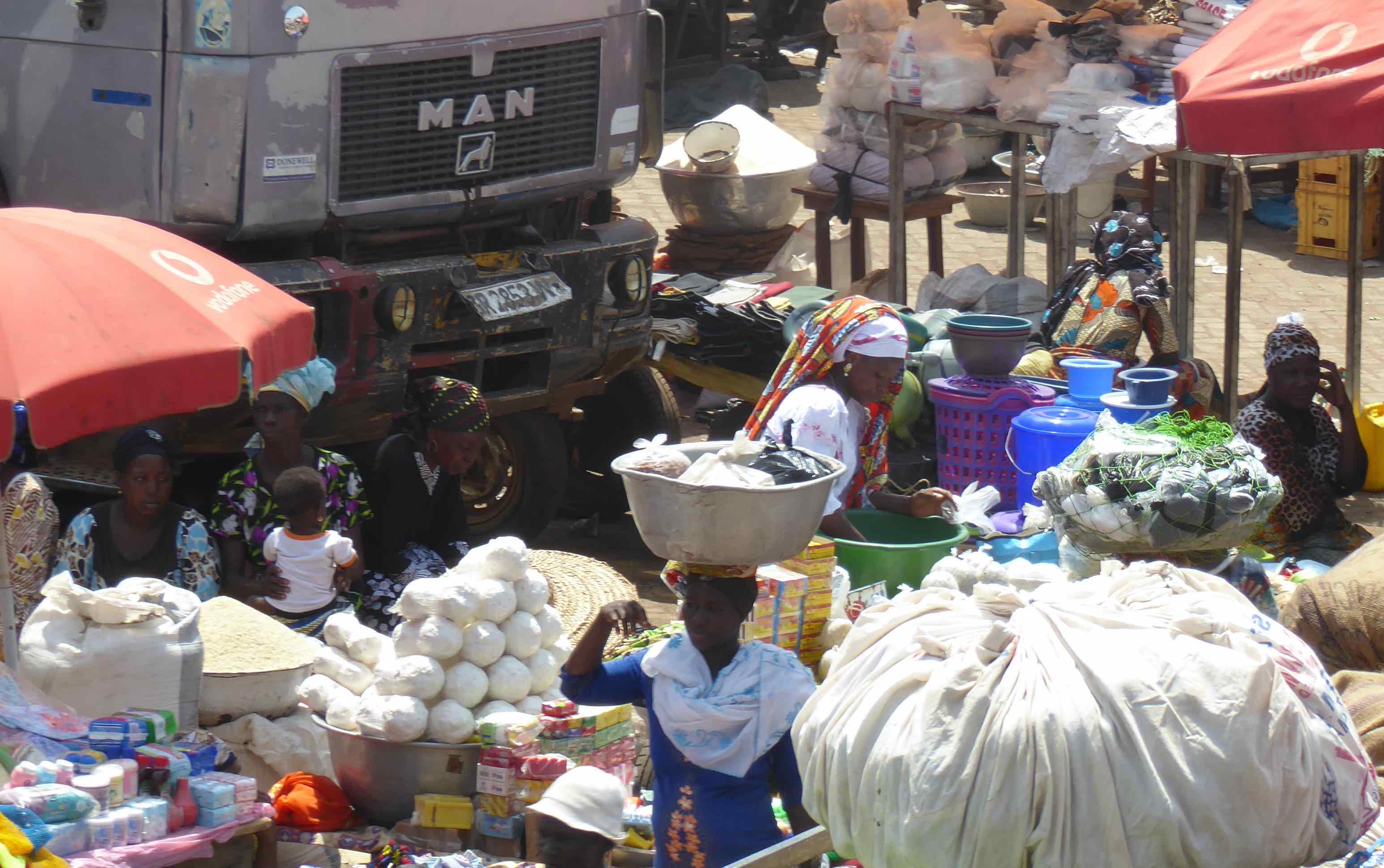
COVID-19 lockdowns threaten Africa’s vital informal urban food trade
Social distancing measures may hurt both food traders and consumers in a region known for harsh crackdowns on markets.
-

Lessons from the AIDS epidemic on how COVID-19 may impact food and nutrition security
Poverty, malnutrition, weak healthcare systems, and other factors will complicate the response to the pandemic.
-
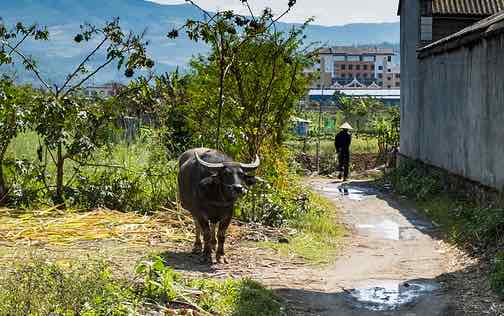
Lockdowns are protecting China’s rural families from COVID-19, but the economic burden is heavy
A Stanford survey shows restrictions are working to limit outbreaks among China's 700 million rural residents, but harming livelihoods, education, and other areas of life.
-
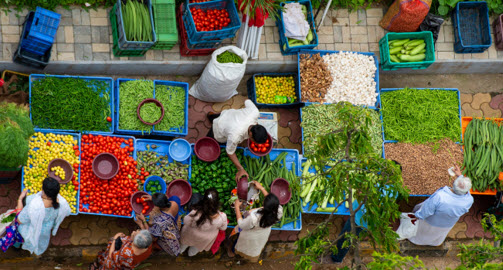
COVID-19: Trade restrictions are worst possible response to safeguard food security
Trade is allowing production to move from areas of surplus to areas of shortage, avoiding the drastic shortages and food insecurity associated with reliance only on local production.
-
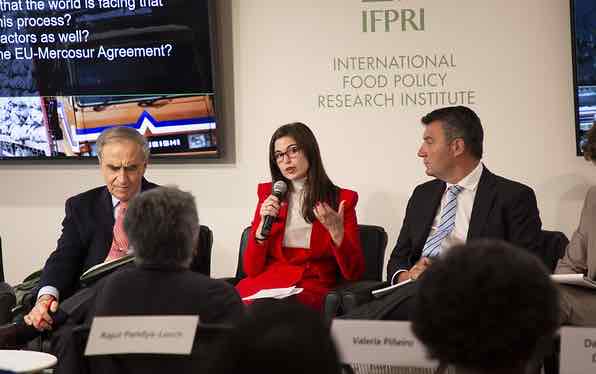
Policy seminar: Sustainable trade and the EU-Mercosur Agreement
Implications of a new free trade zone incorporating 774 million people and $21 trillion in GDP.
-

应对全球粮食危机,出口禁令是下下策
Trade is allowing production to move from areas of surplus to areas of shortage, avoiding the drastic shortages and food insecurity associated with reliance only on local production.
-

COVID-19: Les restrictions commerciales constituent la pire réponse possible pour garantir la sécurité alimentaire
Trade is allowing production to move from areas of surplus to areas of shortage, avoiding the drastic shortages and food insecurity associated with reliance only on local production.
-
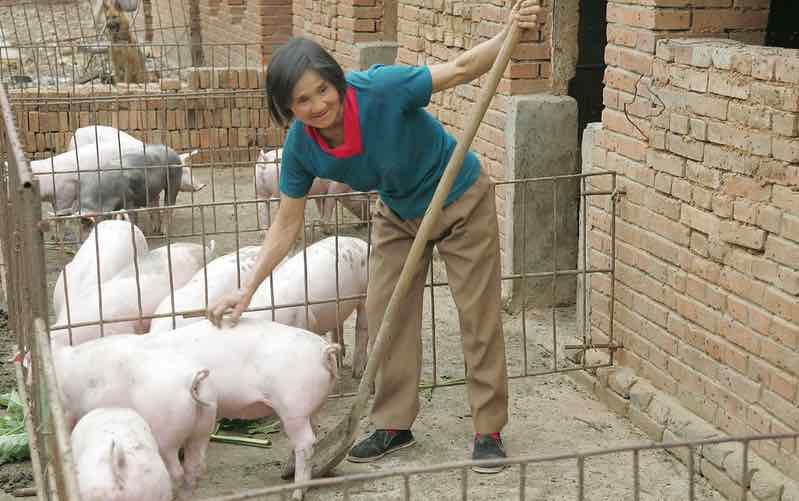
Chinese livestock farms struggle under COVID-19 restrictions
A survey shows lockdowns are having serious impacts on agricultural operations, particularly pig farmers.
-

How much will global poverty increase because of COVID-19?
Modeling shows that a looming worldwide economic slowdown could push tens of millions into extreme poverty.
-

COVID-19’s impact on China’s small and medium-sized businesses
As China begins to emerge from the worst, a survey shows many enterprises struggle to survive.
-
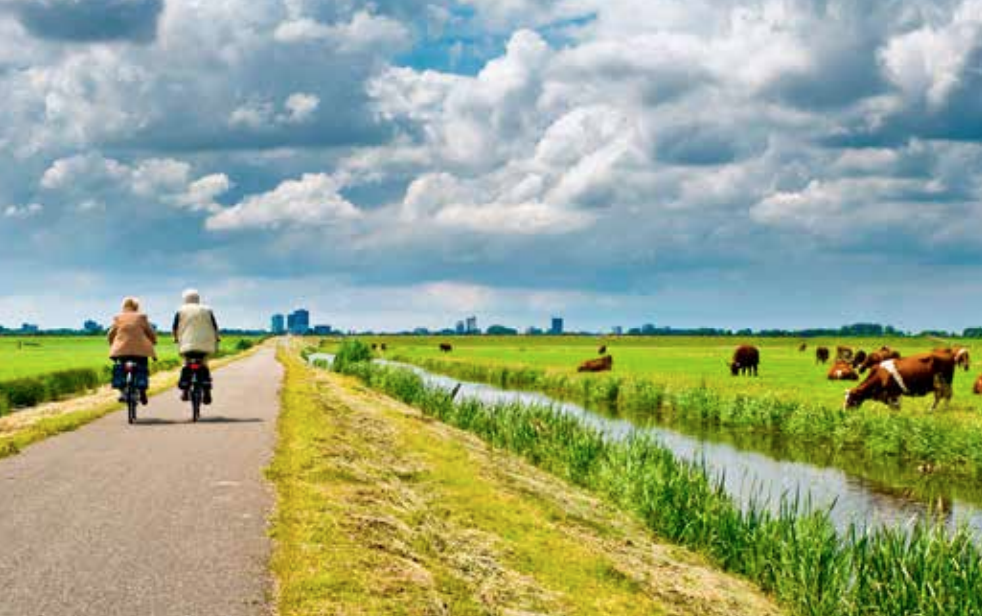
Circular agriculture: A vision for sustainability
Dutch Minister Carola Schouten on integrating farming, nature, and food.
-
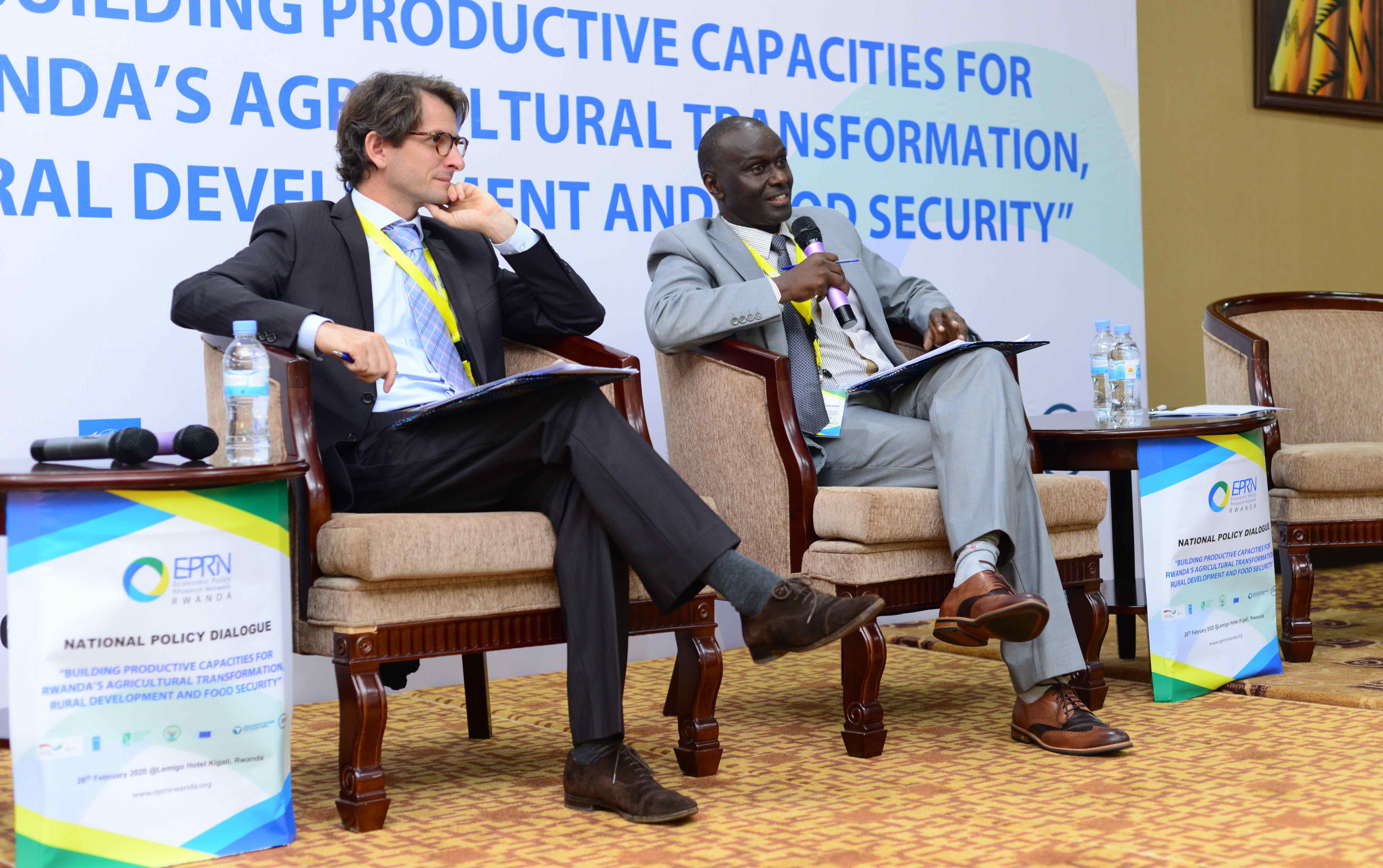
National policy dialogue: Charting Rwanda’s agricultural transformation
Researchers and policy makers must collaborate to implement a national strategic plan.
-
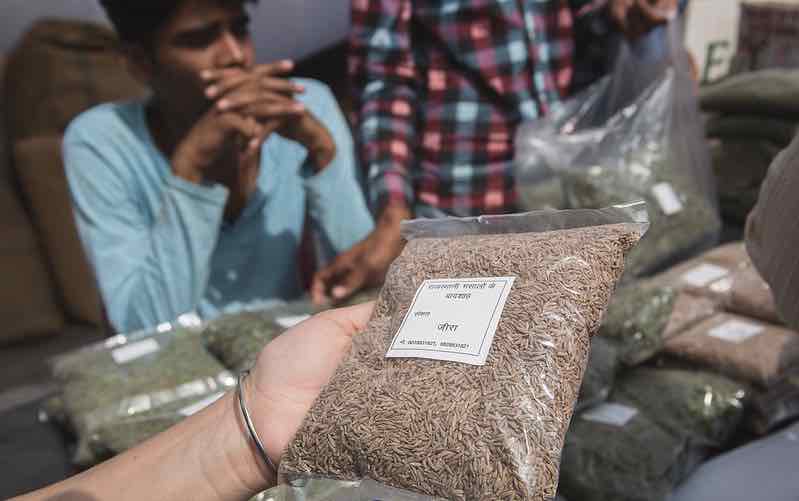
What ails India’s free trade agreements?
Lack of harmonized standards and certification issues that increase transaction costs plague India’s FTAs.
-
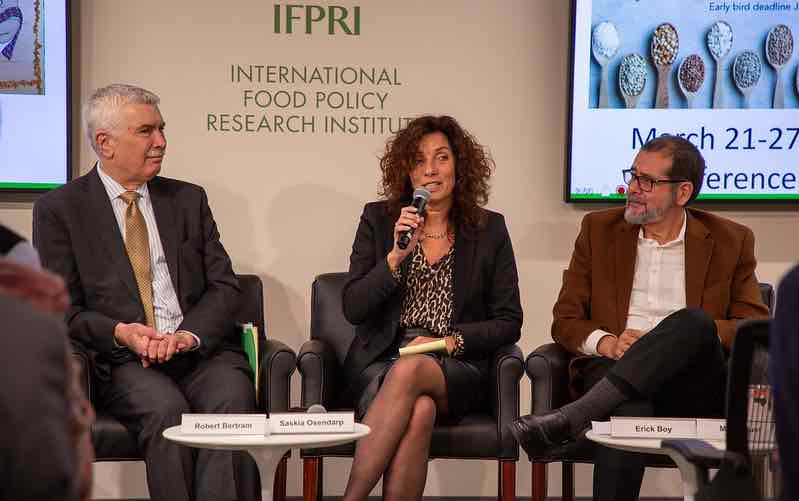
Policy seminar: The changing challenges of hidden hunger
Why addressing micronutrient deficiency must cut across diverse sectors and policies – a discussion.
-

More than a bank: Rethinking the IADB
The Inter-American Development Bank must revise its strategy to address broad regional and global challenges.
-

As COVID-19 spreads, no major concern for global food security yet
If it happens, a global economic slowdown would hit the poor in developing countries particularly hard.
-

More than a bank: Reflections on the history of the Inter-American Development Bank
The IADB's unique role in Latin America and the Caribbean—and the world.
-
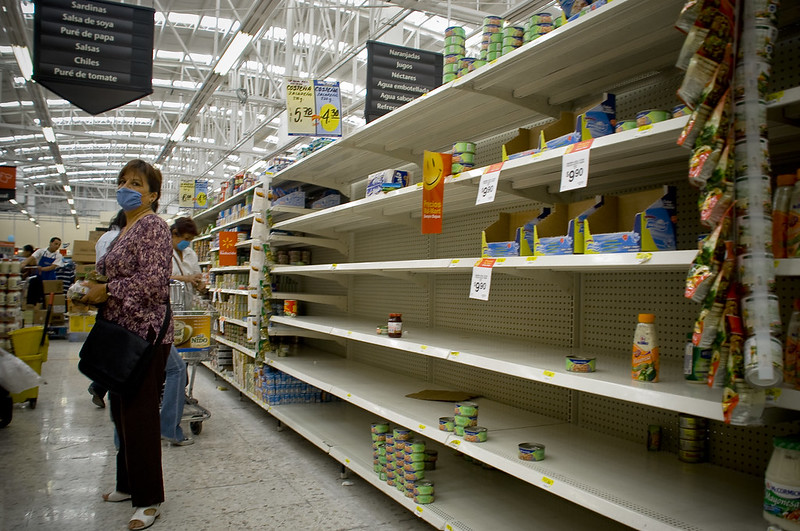
Preventing global food security crisis under COVID-19 emergency
Averting a global food security crisis precipated by the COVID-19 epidemic will require monitoring food prices, ensuring global and local food chains function properly, innovating ways to keep sales growing, and keeping trade open.
-
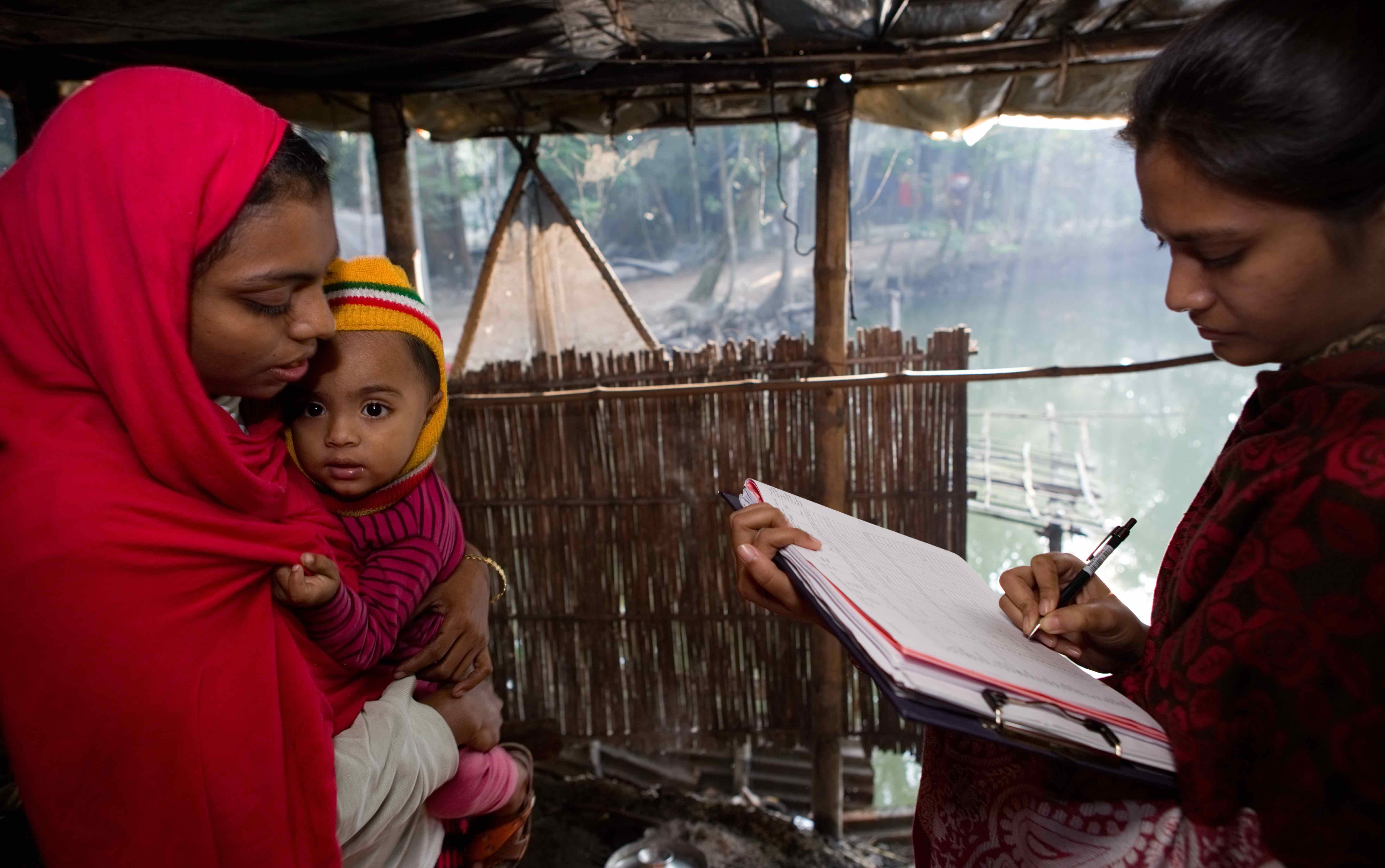
International Open Data Day 2020: Crowdsourcing global insights from national data in Bangladesh
The Bangladesh Integrated Household Survey (BIHS) offers insights into women's empowerment, agriculture, nutrition, and health.
-
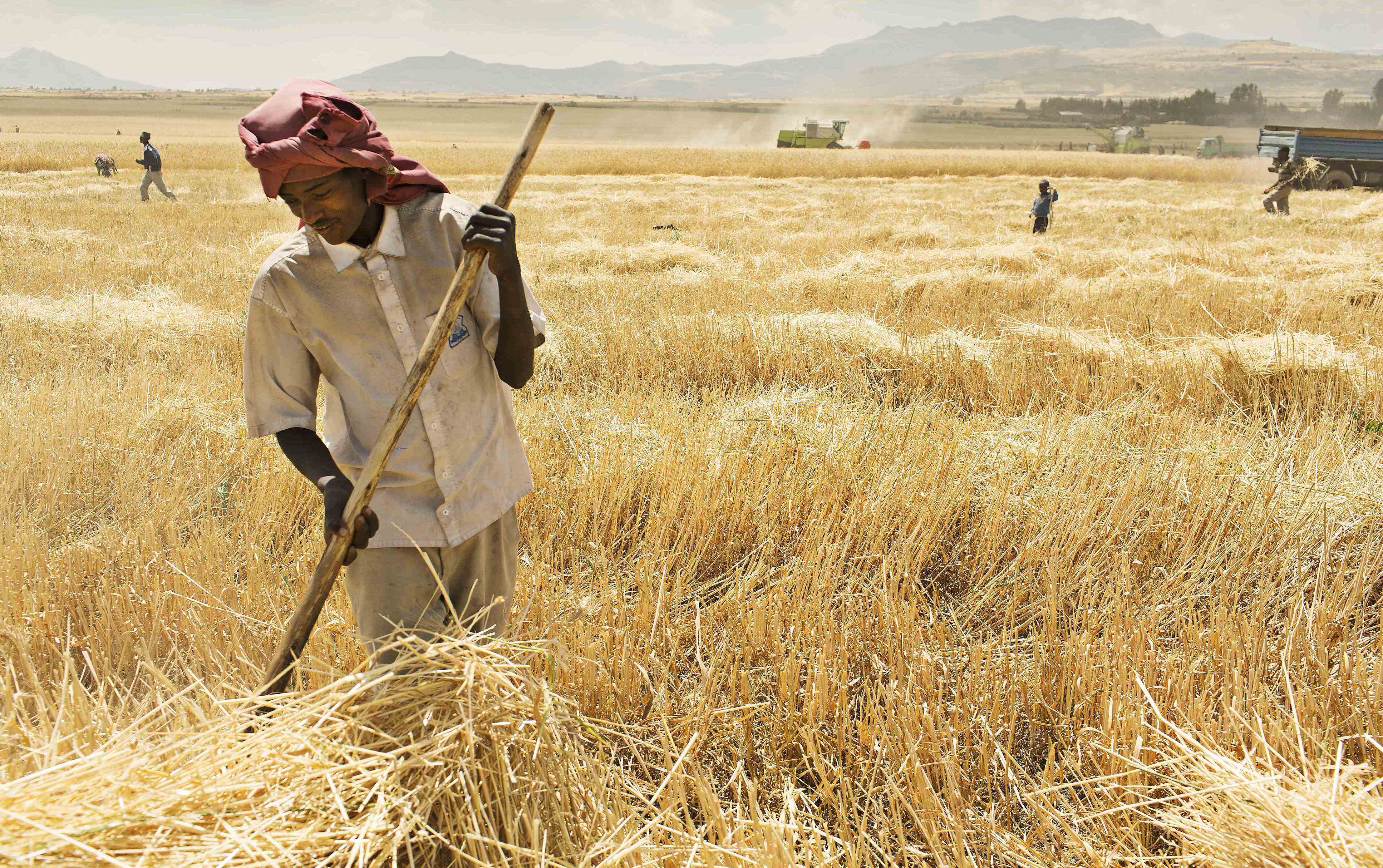
A new method of agricultural growth accounting
Breaking out the role R&D and other factors play in a key metric.
-
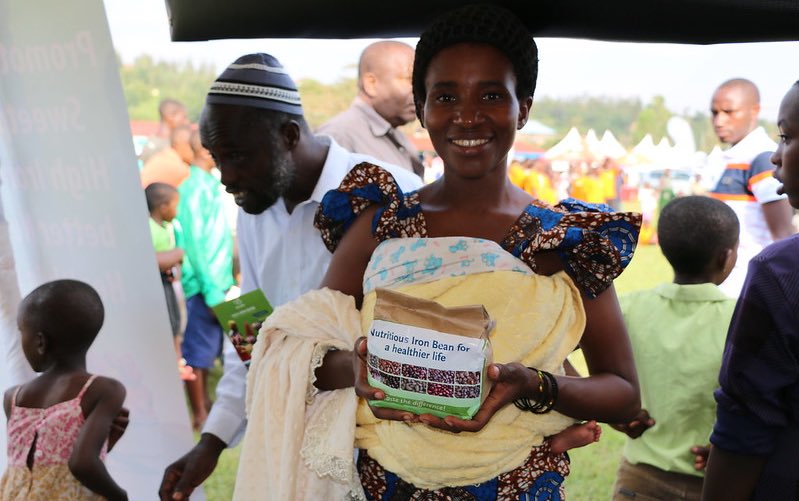
Linking iron-biofortified beans and physical performance
A study in Rwanda shows women who ate biofortified beans had more energy for daily tasks.
-
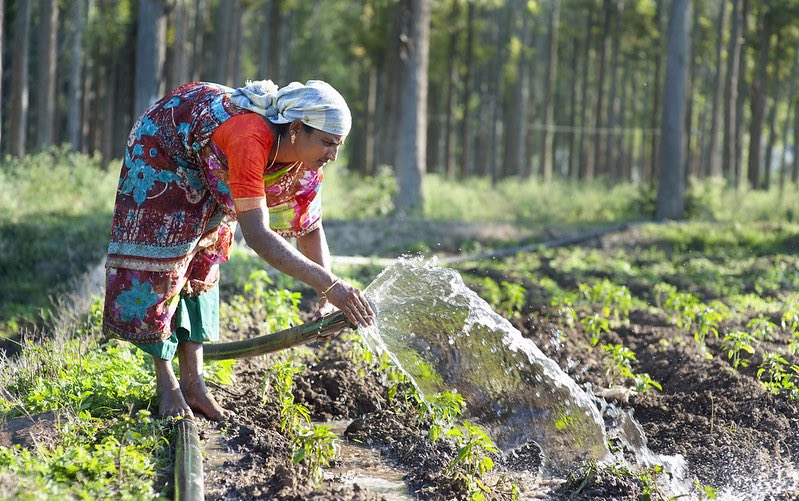
Agriculture in India’s budget: Paying farmers keeps them poor
Potential problems with the PM-Kisan direct benefit transfer program.
-
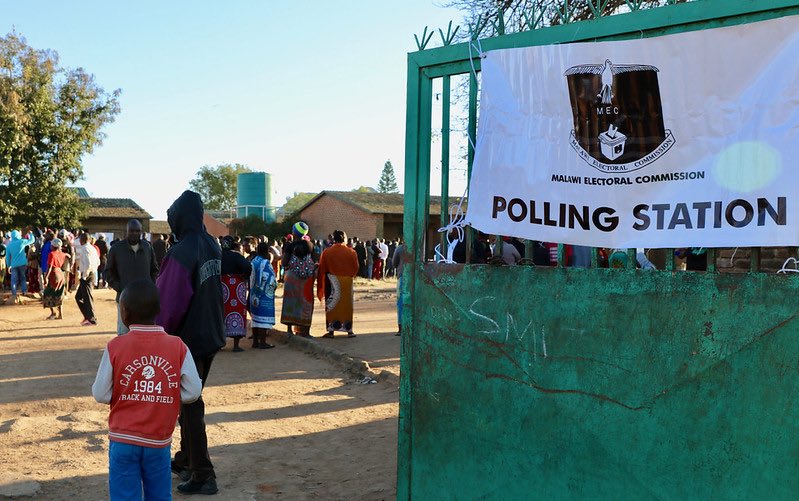
Africa’s litigated democracy
African opposition parties increasingly turn to the courts when they lose elections, indicating that perceptions of judicial independence are improving. But frequent recourse to the courts can undermine trust in the electoral process.
-
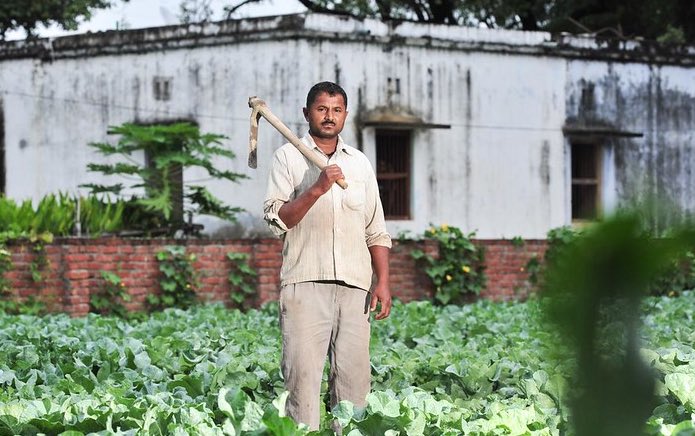
Giving the multiplier effect to PM-Kisan, India’s direct benefit transfer program for farmers
An IFPRI-ICAR study in Uttar Pradesh reveals that the scheme, along with agricultural advisory services, can potentially pull farmers out of poverty.
-
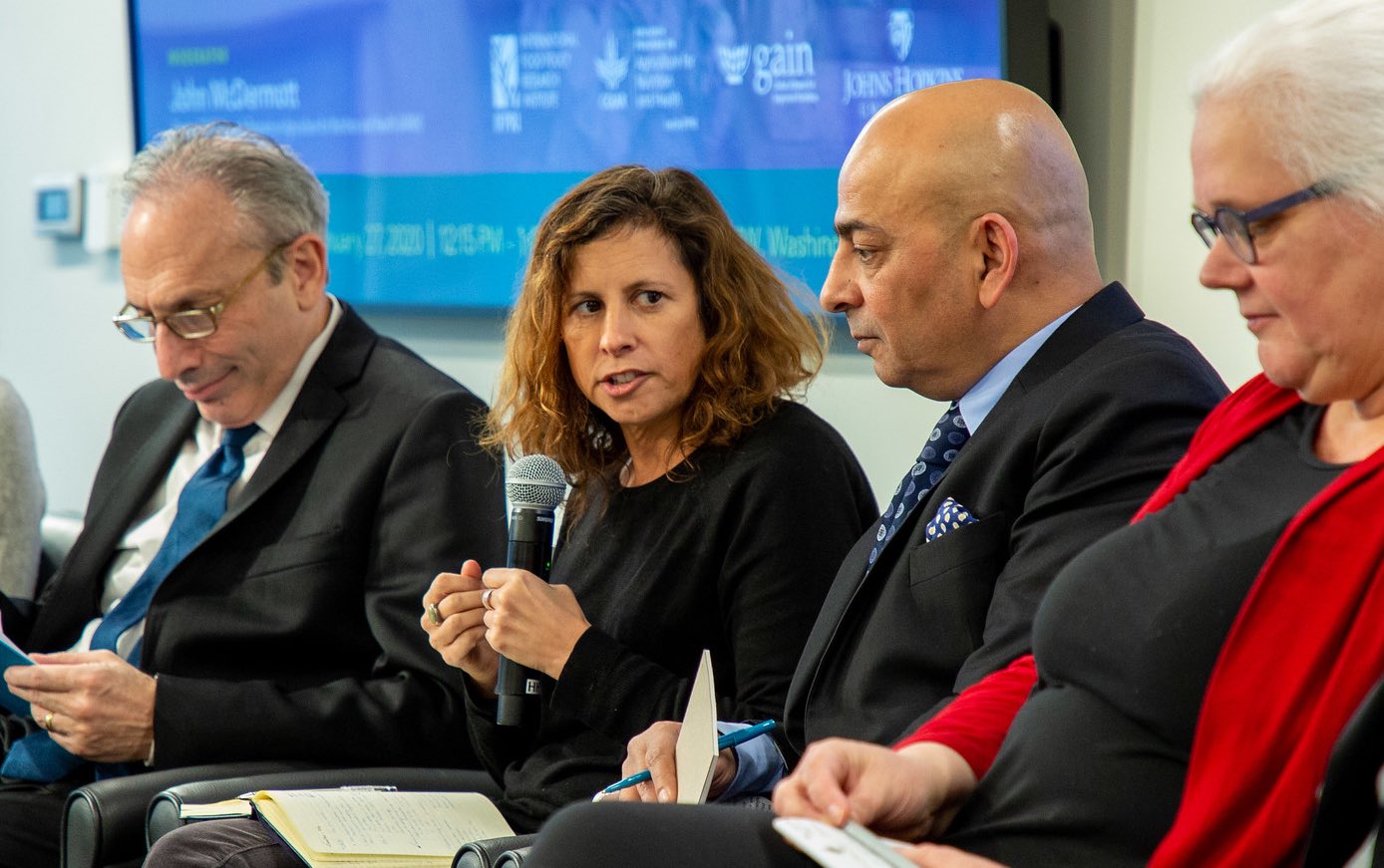
Policy seminar: Introducing the Food Systems Dashboard
A new tool will put country-level data at the fingertips of policy makers.
-
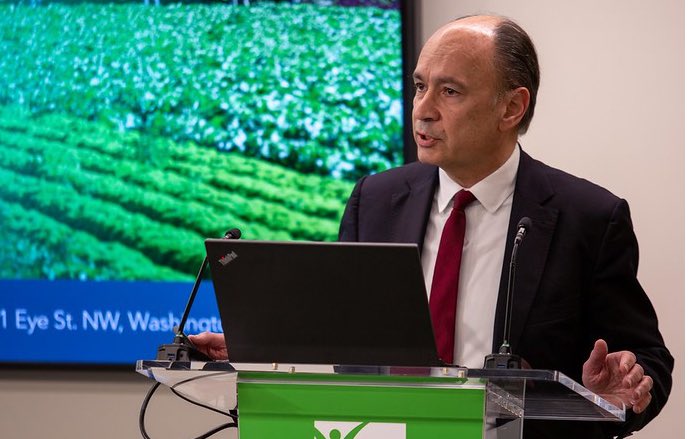
Policy seminar: The European Union plans to tackle climate change, one value chain at a time
Outlining ambitious programs to transform the food system and reach carbon neutrality.
-
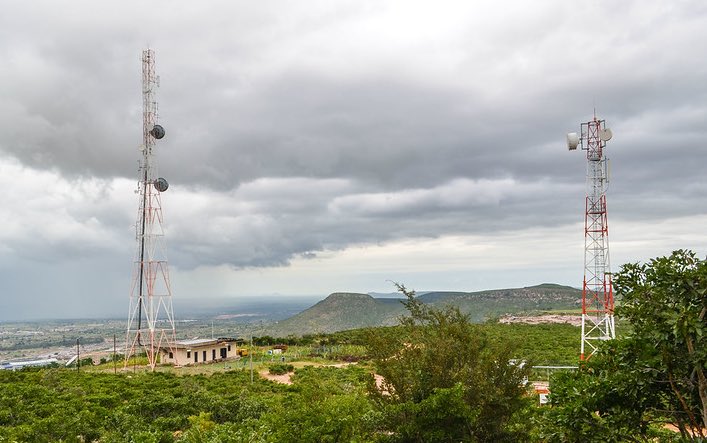
Harnessing telecommunications network data for rainfall monitoring in developing countries
Filling a key information gap can make it easier to provide insurance to smallholders.
-
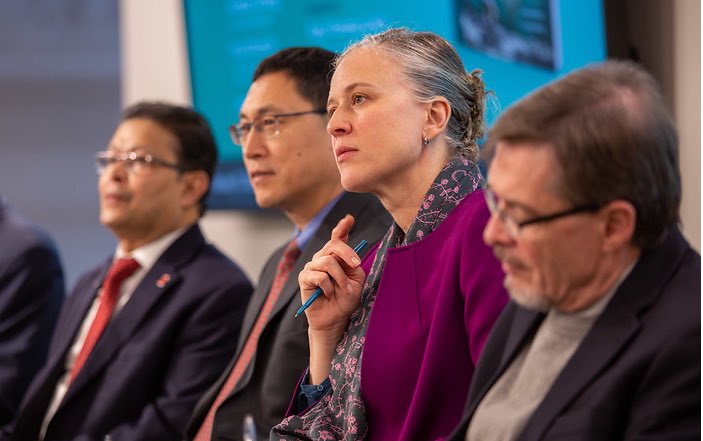
Book launch: The making of a Blue Revolution in Bangladesh
Development lessons from a surprising aquaculture boom.
-
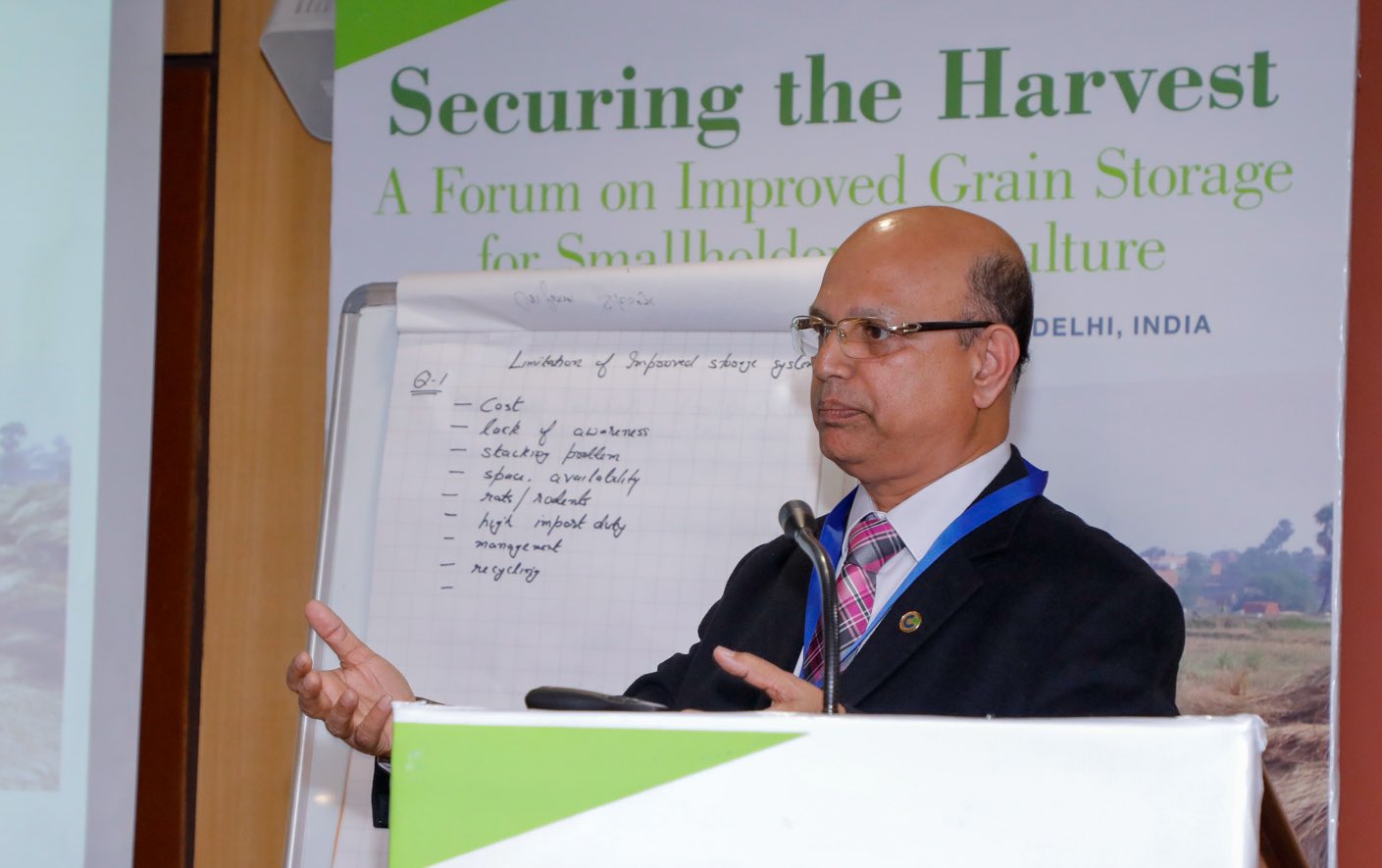
India forum: Securing the harvest for food security
Preventing postharvest losses through improved grain storage.
-
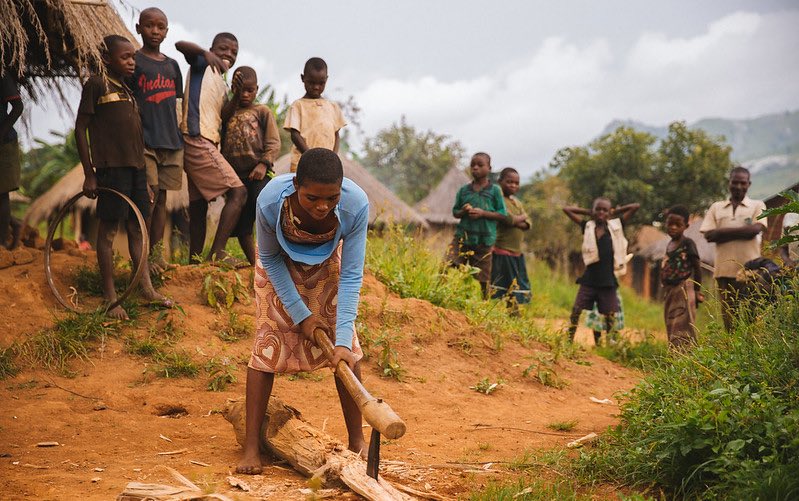
Does rural Africa have a ‘youth problem’?
Creating enough jobs for the continent's young people is a daunting challenge – but there are reasons for optimism.
-
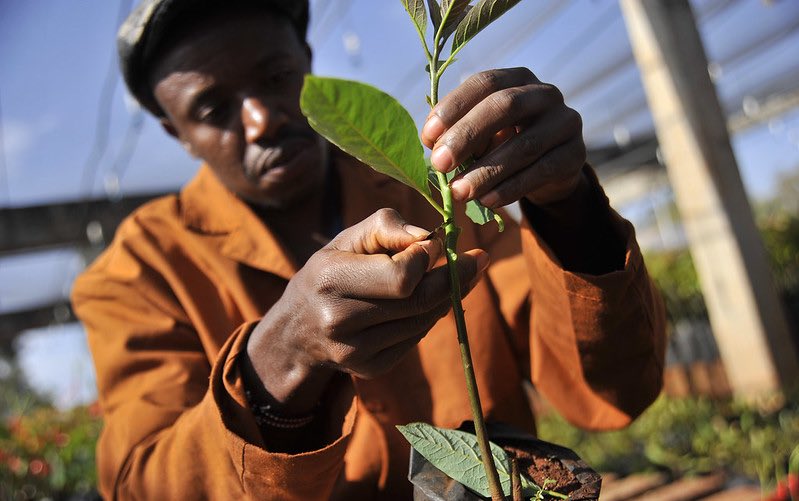
Avocados in Kenya: What’s holding back smallholder farmers
A study reveals the obstacles to breaking into export markets—and suggests some options to overcome them.
-
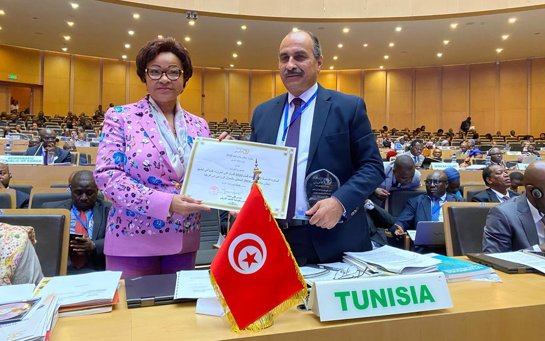
Second Biennial Review report highlights urgent need to accelerate progress toward achieving Malabo Declaration goals by 2025
A key scorecard outlines areas for improvement, from agricultural trade to climate resilience.
-

Book launch: Africa’s ‘youth bulge’ and its meaning for rural areas
The dynamics of agricultural transformation vary considerably by geography.
-
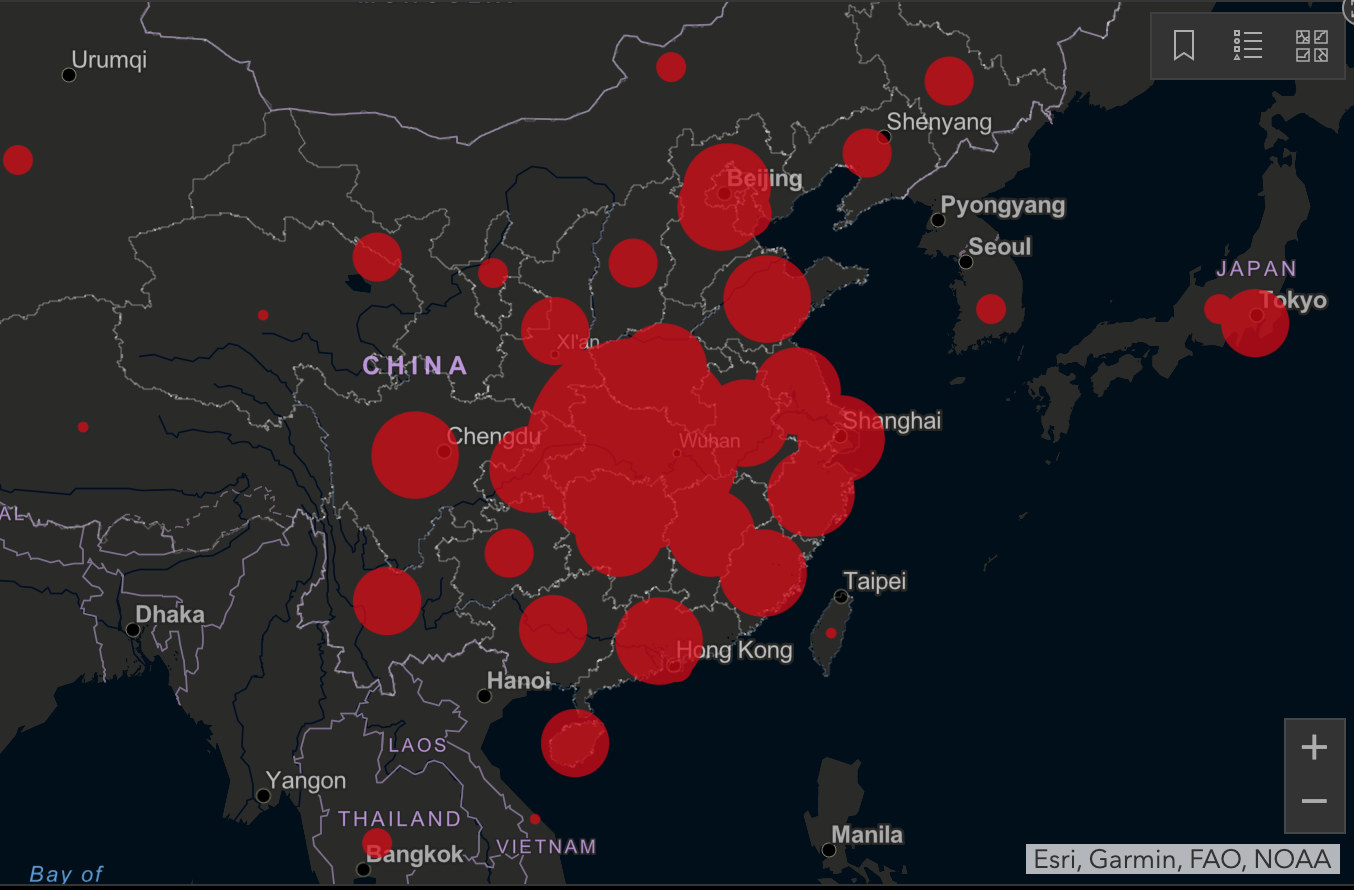
How China can address threats to food and nutrition security from the coronavirus outbreak
Important steps to avoid potential hiccups in the food supply and other problems during the coronavirus outbreak..
-
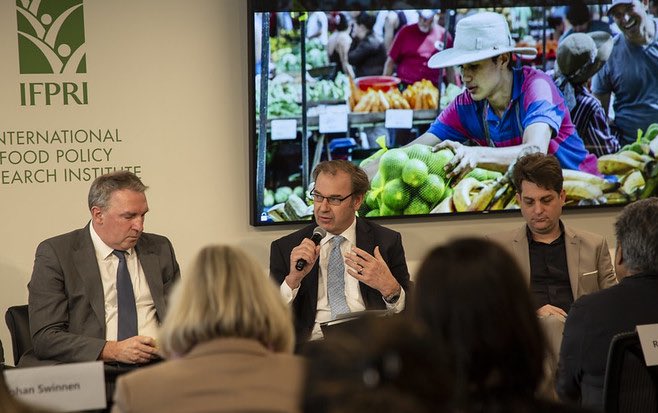
Policy seminar: Can trade ensure food security and access to diverse and sustainable nutrition?
Key takeaways from the 2020 Global Forum for Food and Agriculture in Berlin.
-
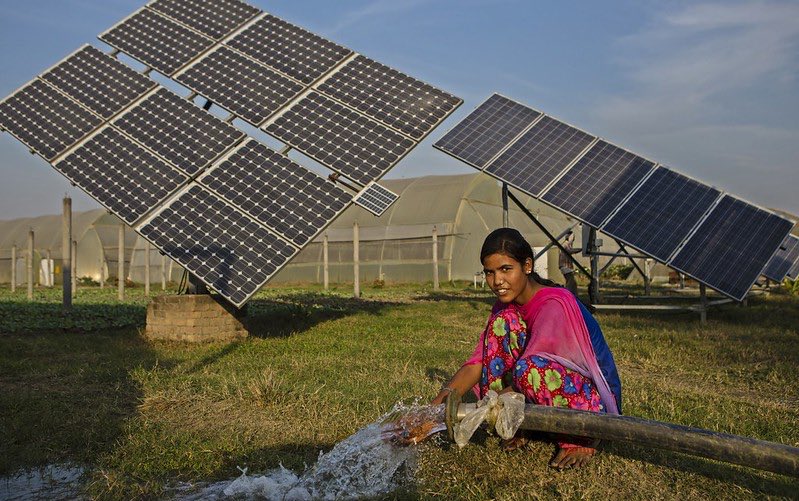
India’s 16-point agriculture plan may falter if it doesn’t focus on incentives
Ambitious plans to boost farmer income depend on sometimes-overlooked dynamics of participation.
-
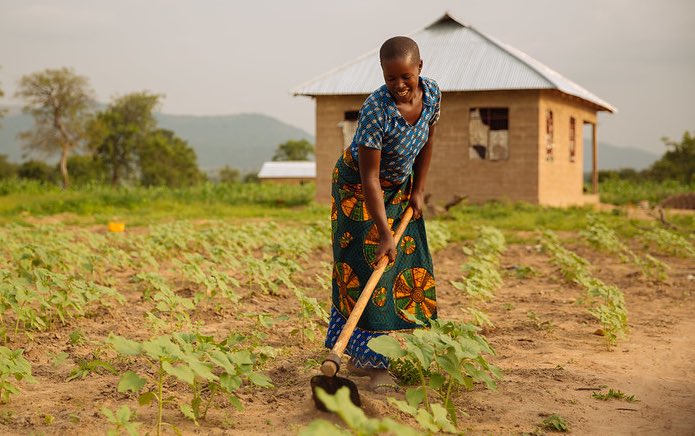
Why gender matters for soil health as part of sustainable food systems
A new conceptual framework for understanding land management.
-
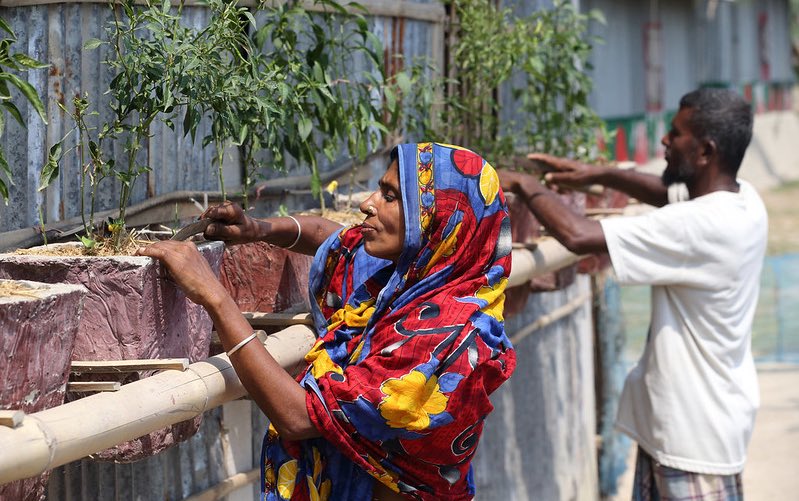
‘Getting gender right’ is essential for the sustainability of food systems
Why development programs should consider gender at all stages from production to consumption.
-
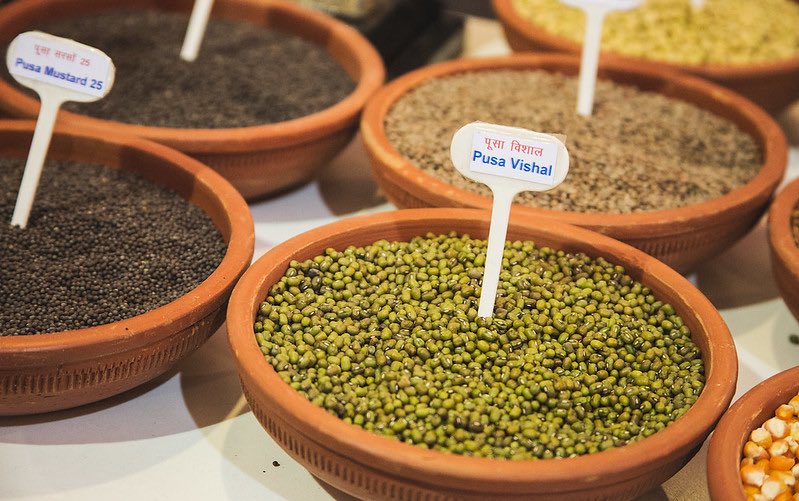
Leaving the Regional Comprehensive Economic Partnership: India’s missed opportunity?
Remaining in the RCEP would allow India to expand trade and export more to current partners.
-
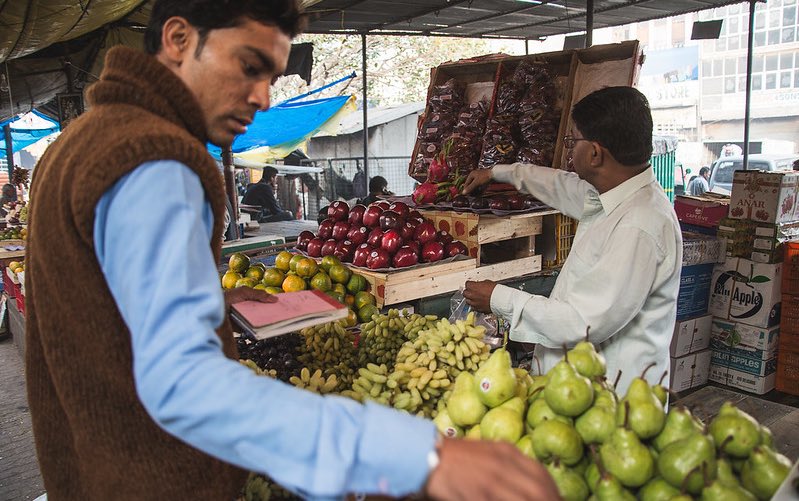
The world needs higher-quality diets. But is better nutrition affordable for all?
A new study finds the EAT-Lancet Commission reference diet—aimed at improving nutrition and global sustainability—is too expensive for many people around the world.
-

Humboldt’s ‘Naturgemälde’ can pave the way for lasting agro-ecological transitions
How the early 19th century naturalist and adventurer presaged today's understanding of ecoystem management.
-
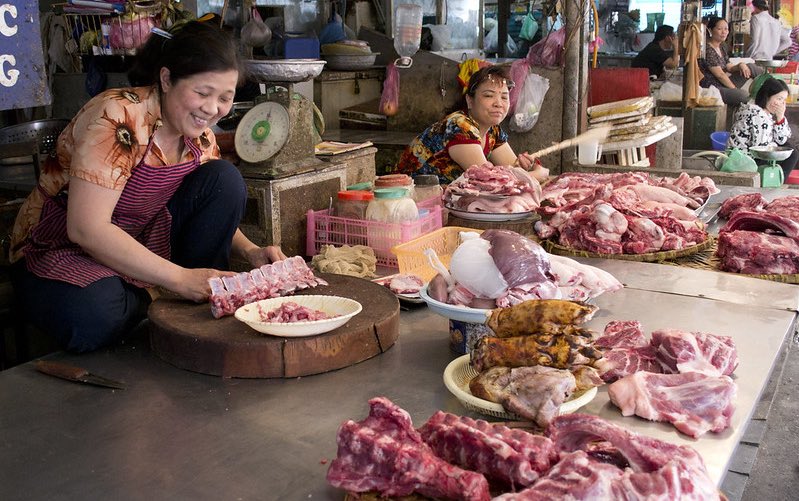
‘Supermarketization,’ food environments, and the urban poor
Concern for food safety rises as supermarkets overtake traditional wet markets in Asia.
-
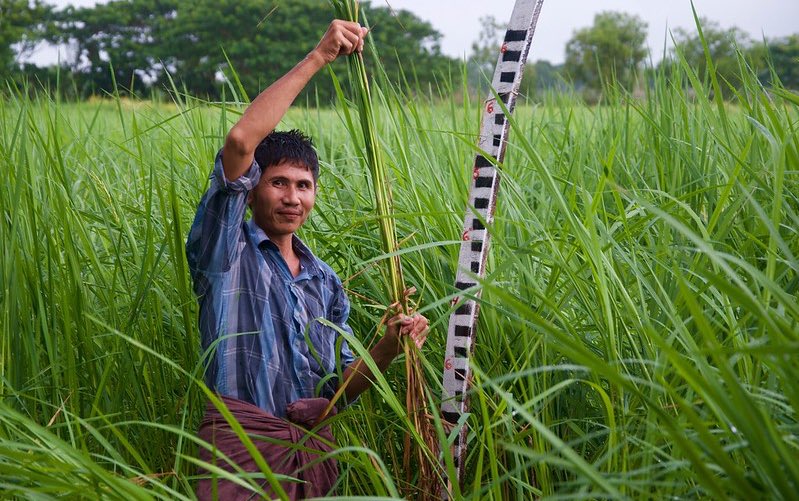
As policy makers call for building capacity for food system transformation, who is listening?
Overcoming the obstacles that stand in the way of meeting SDG2.
-
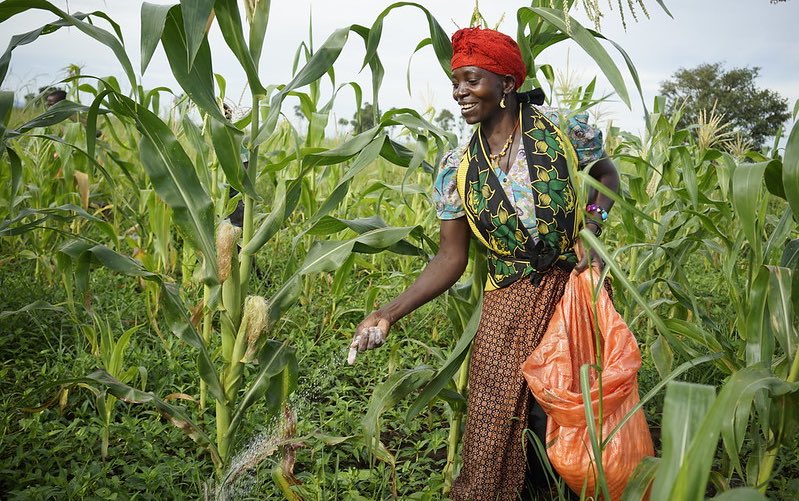
Gaining a better understanding of local fertilizer prices for African smallholder farmers
A new study uses spatial interpolation models to estimate local fertilizer prices where data are unavailable.
-
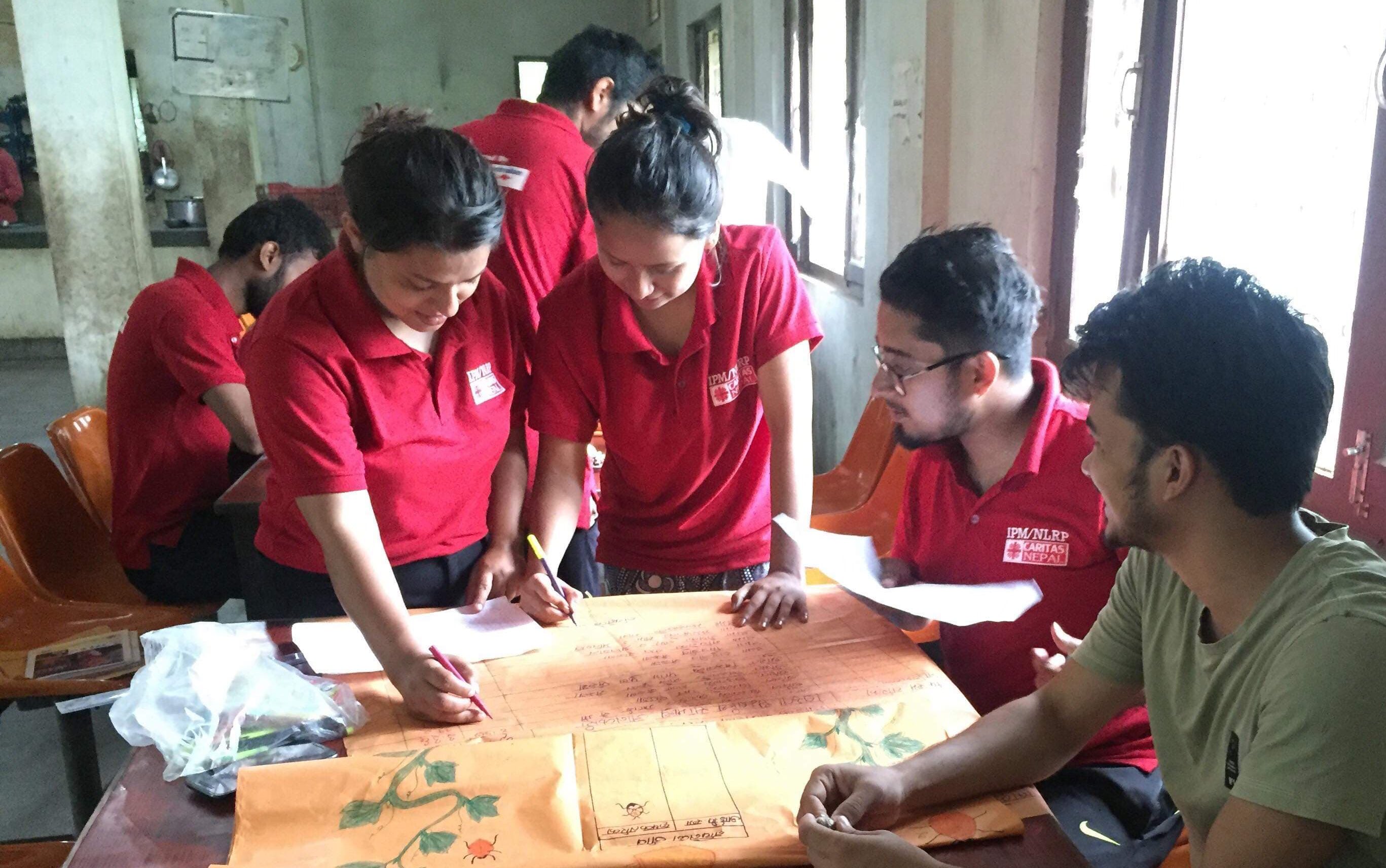
IFPRI short video contest: Planting my path in Nepalese agriculture
From a childhood working on her grandfather's farm to training farmers in sustainable agriculture.
-
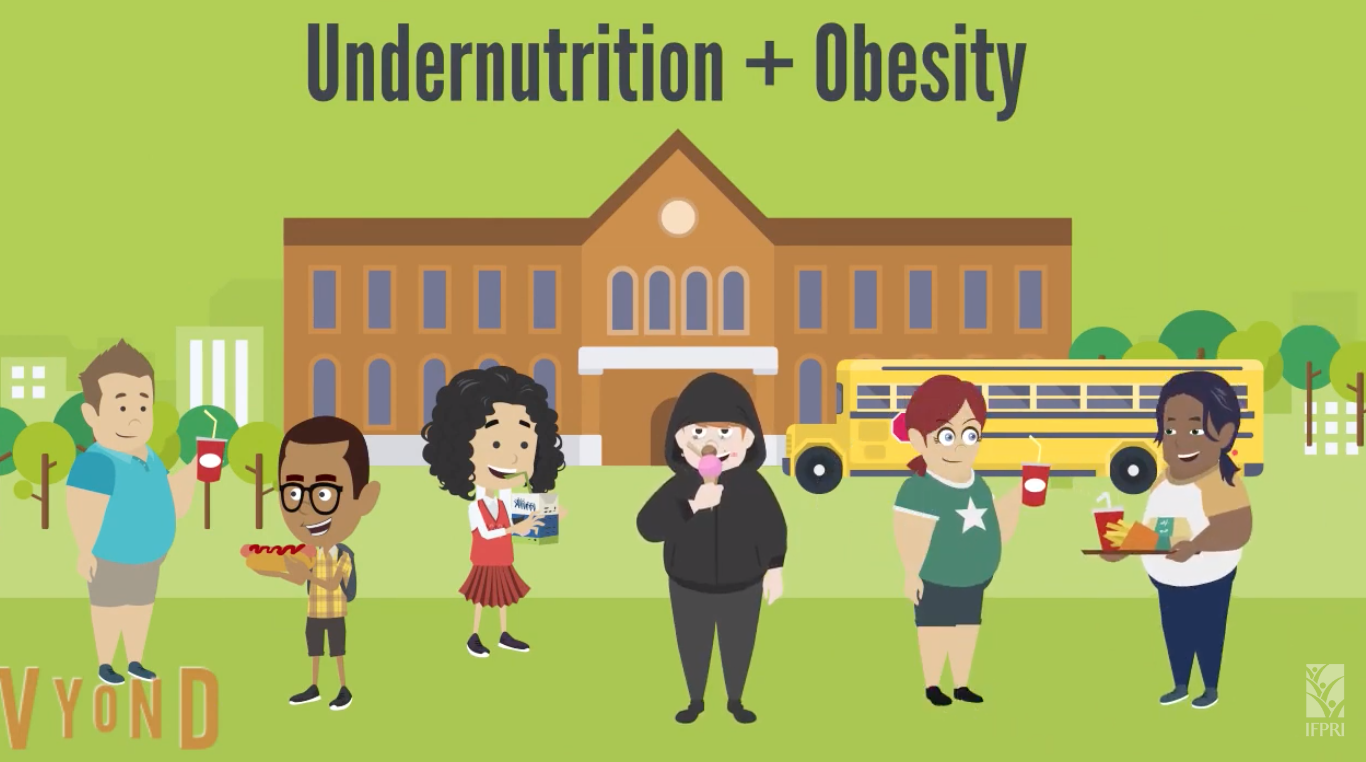
IFPRI short video contest: School garden and healthy cooking program targets the double burden of malnutrition in Mexico
Nutrition students at the University of Monterrey, Mexico, on what inspired their middle school gardening and cooking program.
-
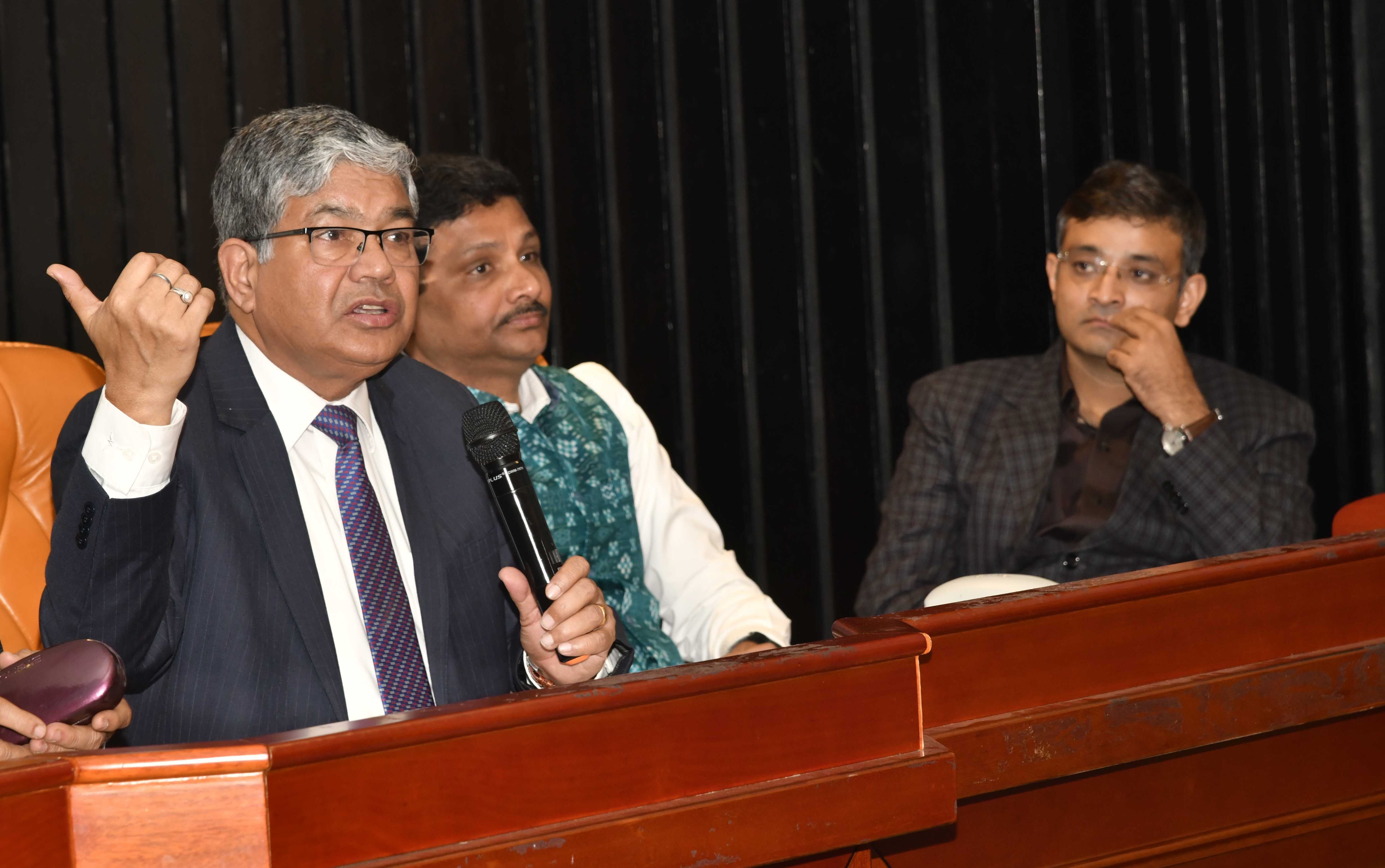
The promise and challenges of India’s Direct Benefit Transfer agricultural subsidies
Can subsidy reforms help fix farmers' current troubles? A discussion at the Indian Economic Association's annual conference.
-
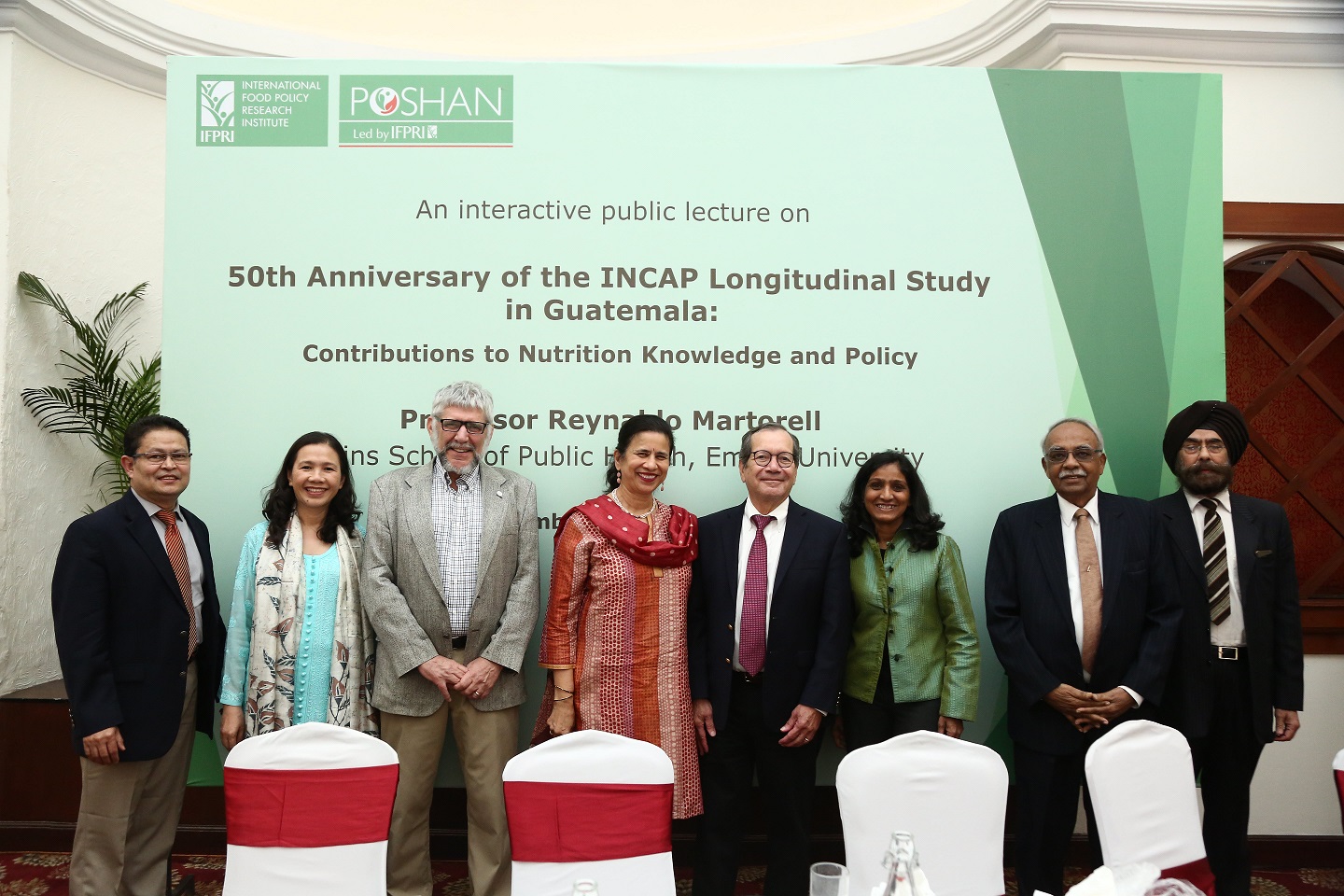
Investing in nutrition for long-term returns: Improved human capital and productivity
“Investments in improving nutrition in the first 1000 days should be considered as long-term economic investments because they improve human capital and productivity,” said Professor Reynaldo Martorell from, Emory University.
-
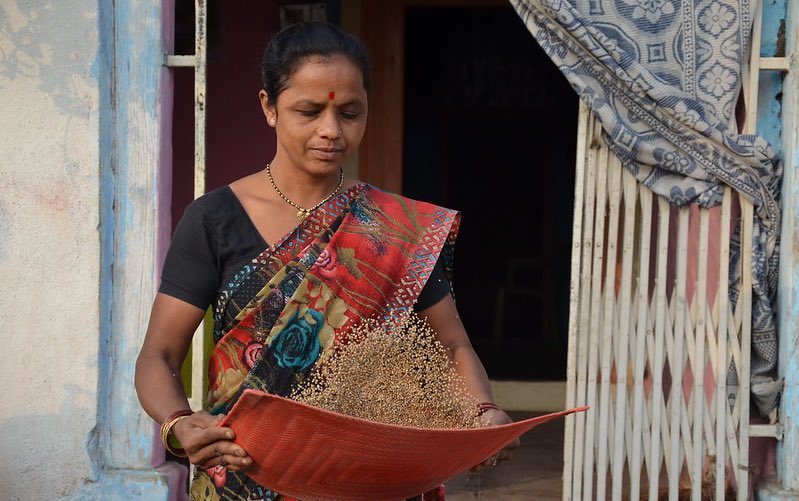
Biofortification: A plausible antidote to India’s hidden hunger problem
An inexpensive and efficient way to address micronutrient deficiencies.
-

Analysis of ACE’s Warehouse Receipts and Market Information Systems: An IFPRI-ACE dissemination event
Providing smallholder farmers access to markets and price information is key to improving agricultural productivity and growth, along with food and nutrition security. In line with this, the Agricultural Commodity Exchange for Africa (ACE) has operated a Market Information System (MIS) and a Warehouse Receipt System (WRS) since 2011. The MIS provides farmers, traders and […]
-
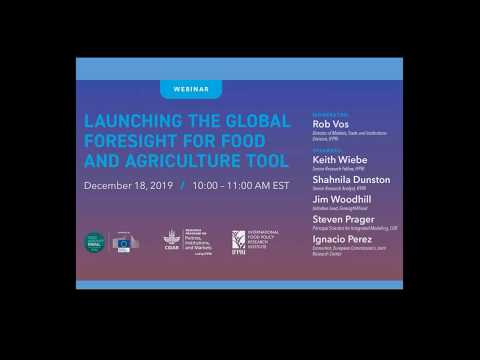
Knowledge for a sustainable food future: New foresight tool examines impact of agricultural investments
How can we feed 10 billion people by 2050? How much and in what ways will climate change impact global food production? What can be done to ensure that the world’s agriculture and food systems remain sustainable in both the short and the long term? To answer these and other critical questions, researchers and development […]
-
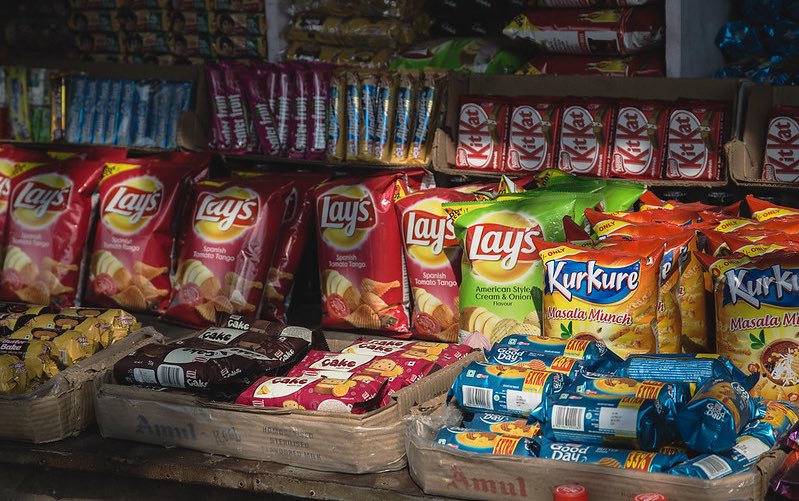
Focus on the political and commercial drivers behind the double burden of malnutrition
The products and practices of many transnational food companies continue to drive the problem, as their corporate social responsibility people argue for a seat at the table.
-
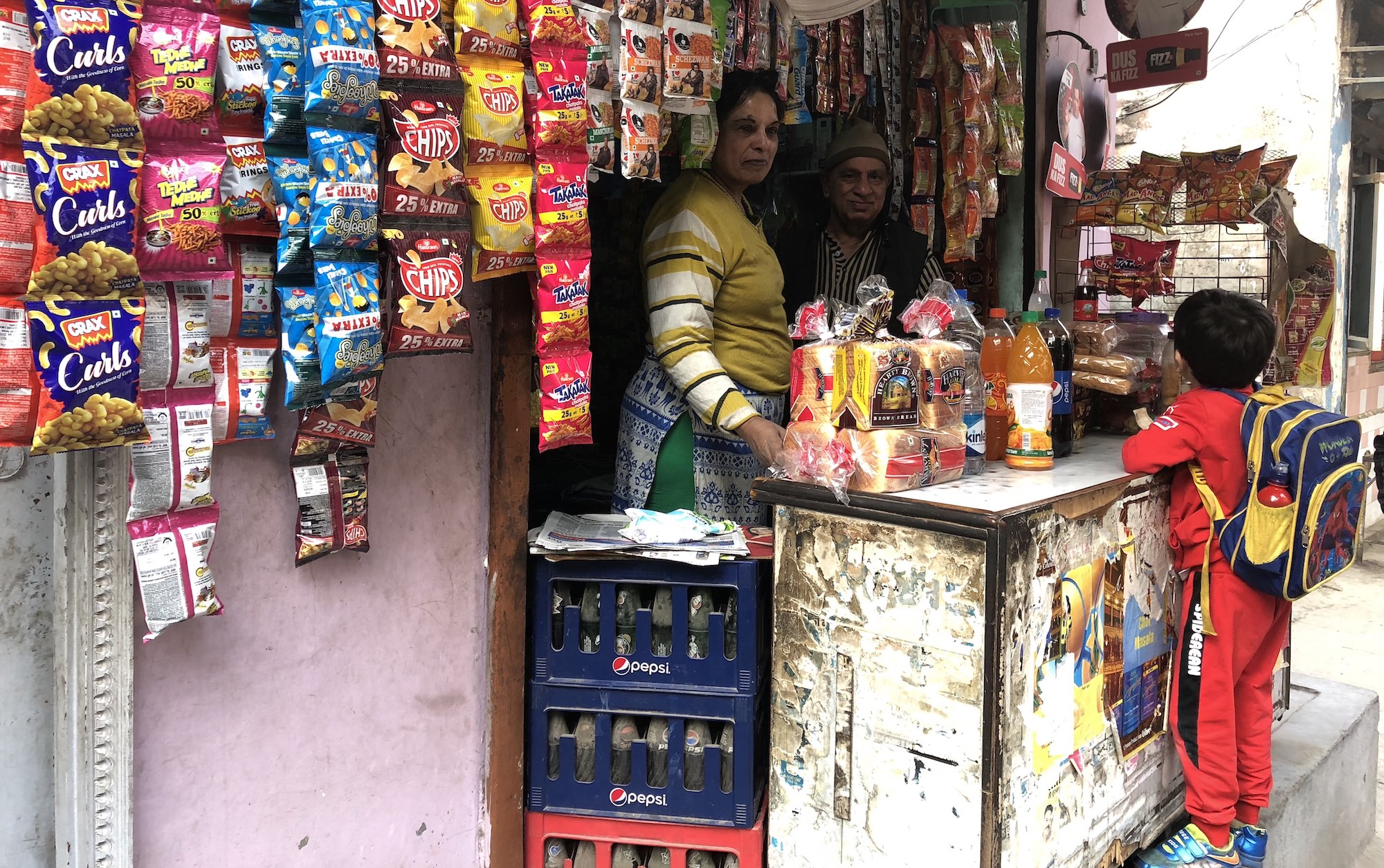
Double duty actions in nutrition: Preventing harm and maximizing impacts on all forms of malnutrition
Confronting a ubiquitous yet tricky problem as food systems rapidly evolve.
-
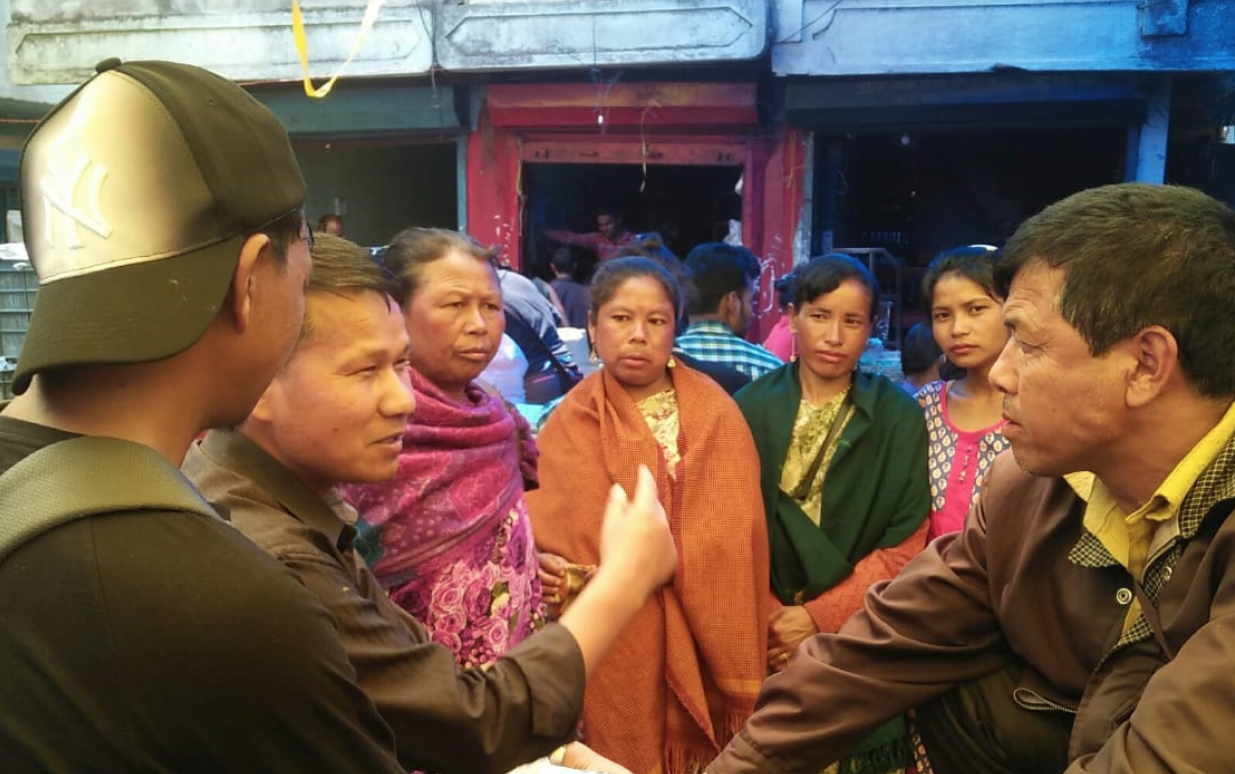
Farmer Business Schools can help make smallholder agriculture a profitable enterprise
An FAO training strategy shows promise for building farm entrepreneurship in India and other countries.
-
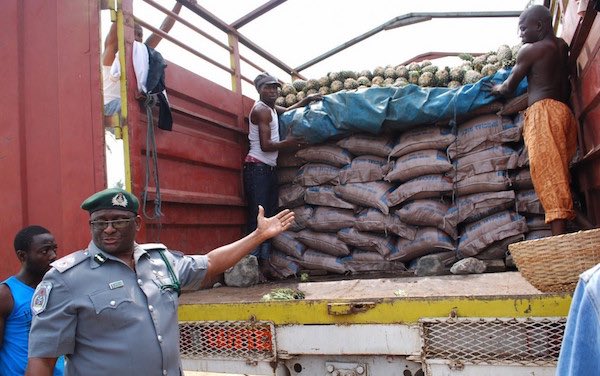
Walk the Talk: Nigeria’s import prohibitions, smuggling, and the African Continental Free Trade Agreement
Nigeria has continues its long history of protectionism—despite committing itself to a continent-wide free trade zone.
-
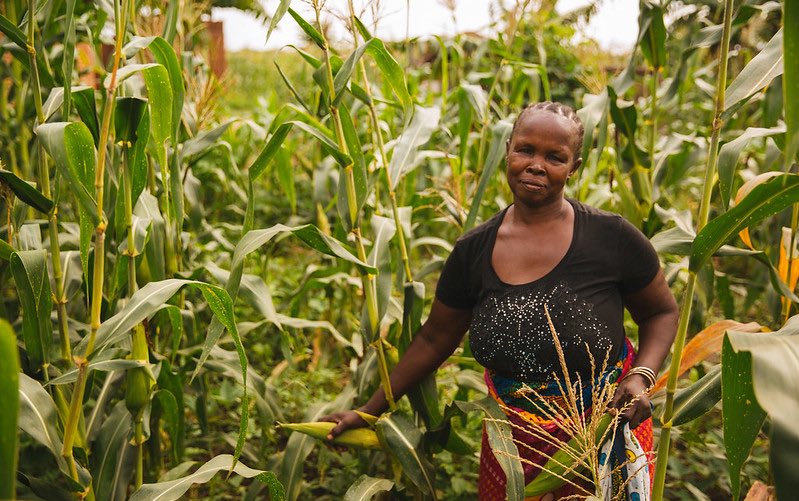
Global markets can help reduce climate-driven food insecurity
Smallholder farmers face rising production volatility from climate impacts. Open trade can help stabilize food supplies and prices.
-
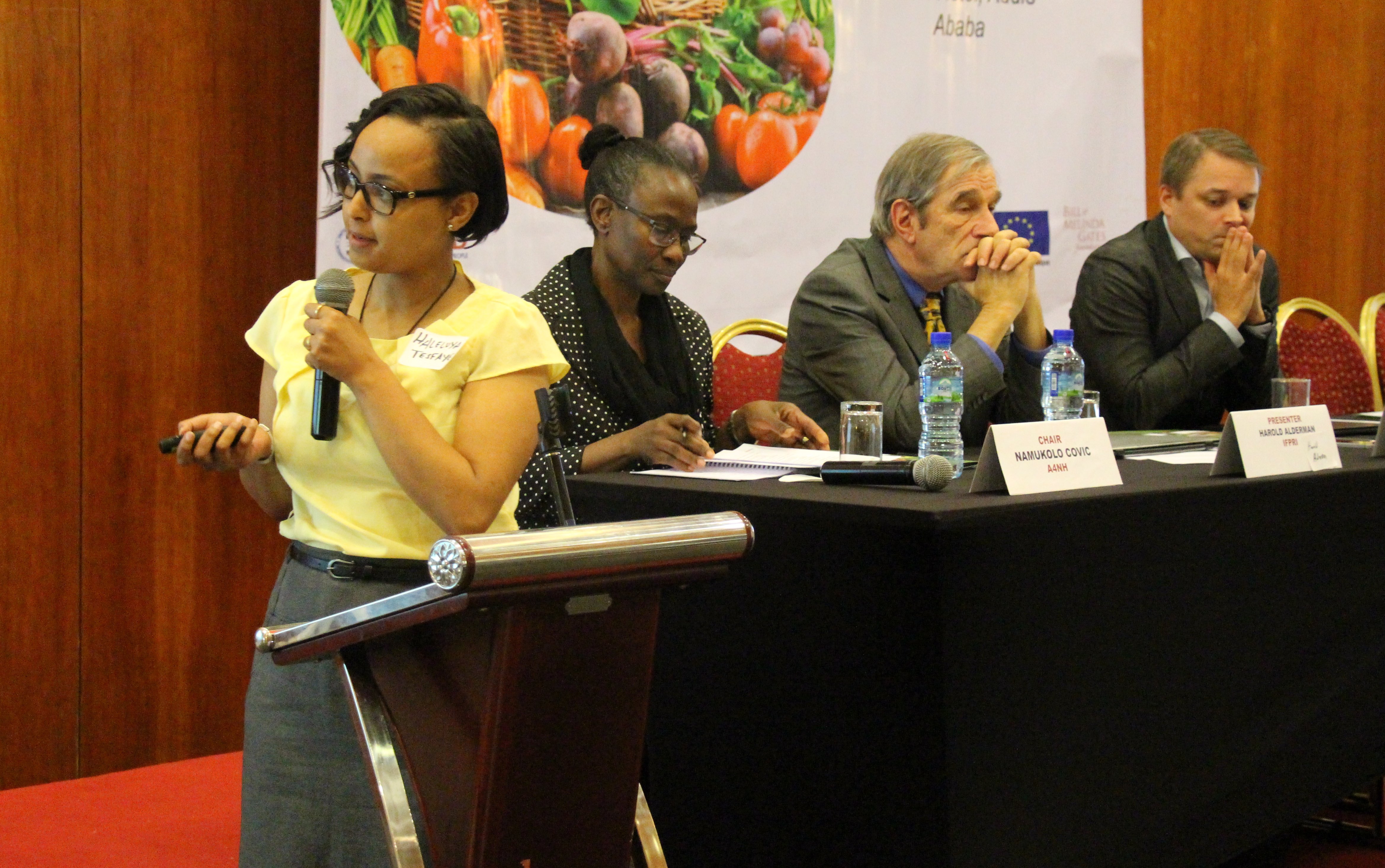
What’s next for Ethiopia’s nutrition programs?
New evidence can help shape policies and programs to combat stunting and expand dietary diversity.
-
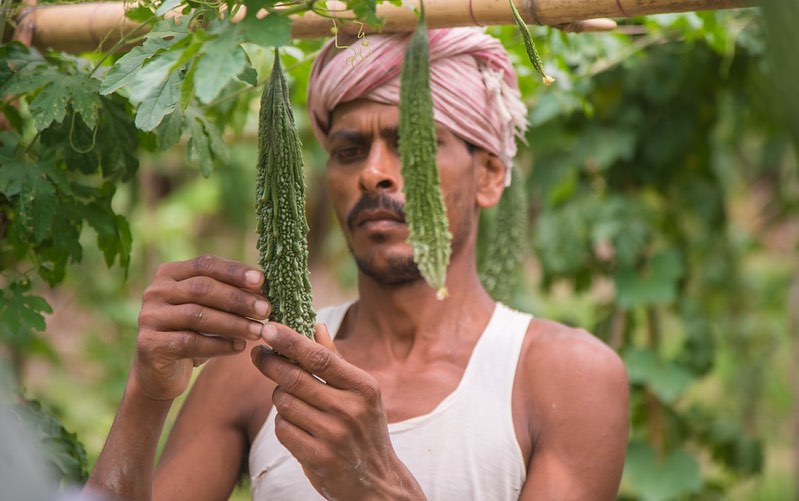
Can weather index insurance help farmers adapt to climate change?
Technology and data on farming conditions can help reduce exposure to risk. Fourth in a series.
-
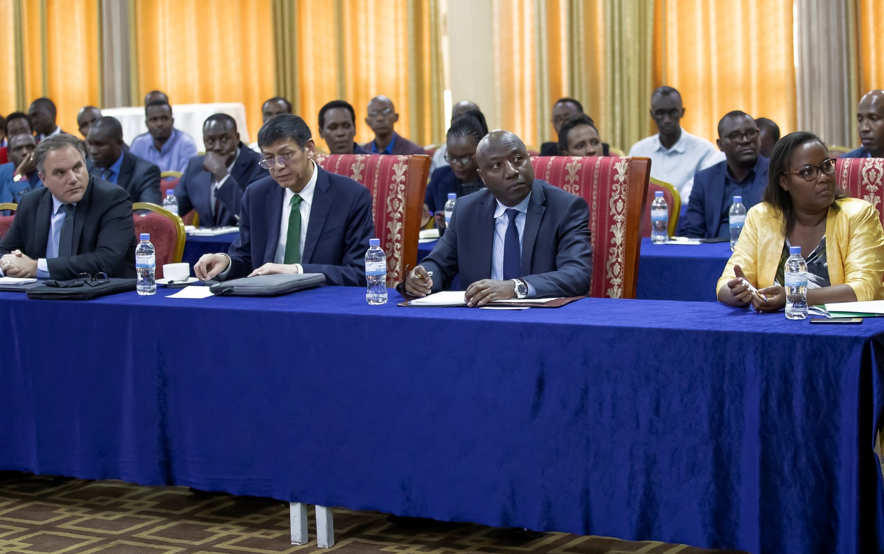
Program launch: IFPRI, Rwanda government partner on policy analysis, capacity strengthening for rural transformation
A new collaborative program aims at accelerating agricultural development.
-
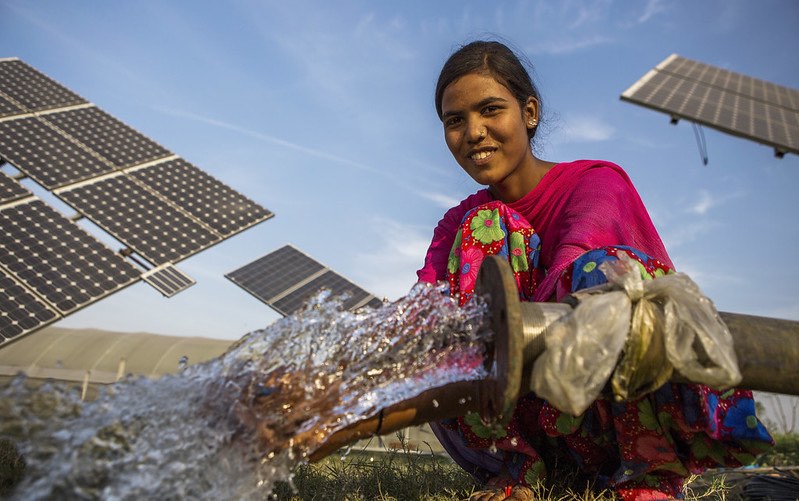
Seven climate resilience questions to help guardians of nature
Third in a series. Helping farmers become active agents of change for reducing climate risks.
-
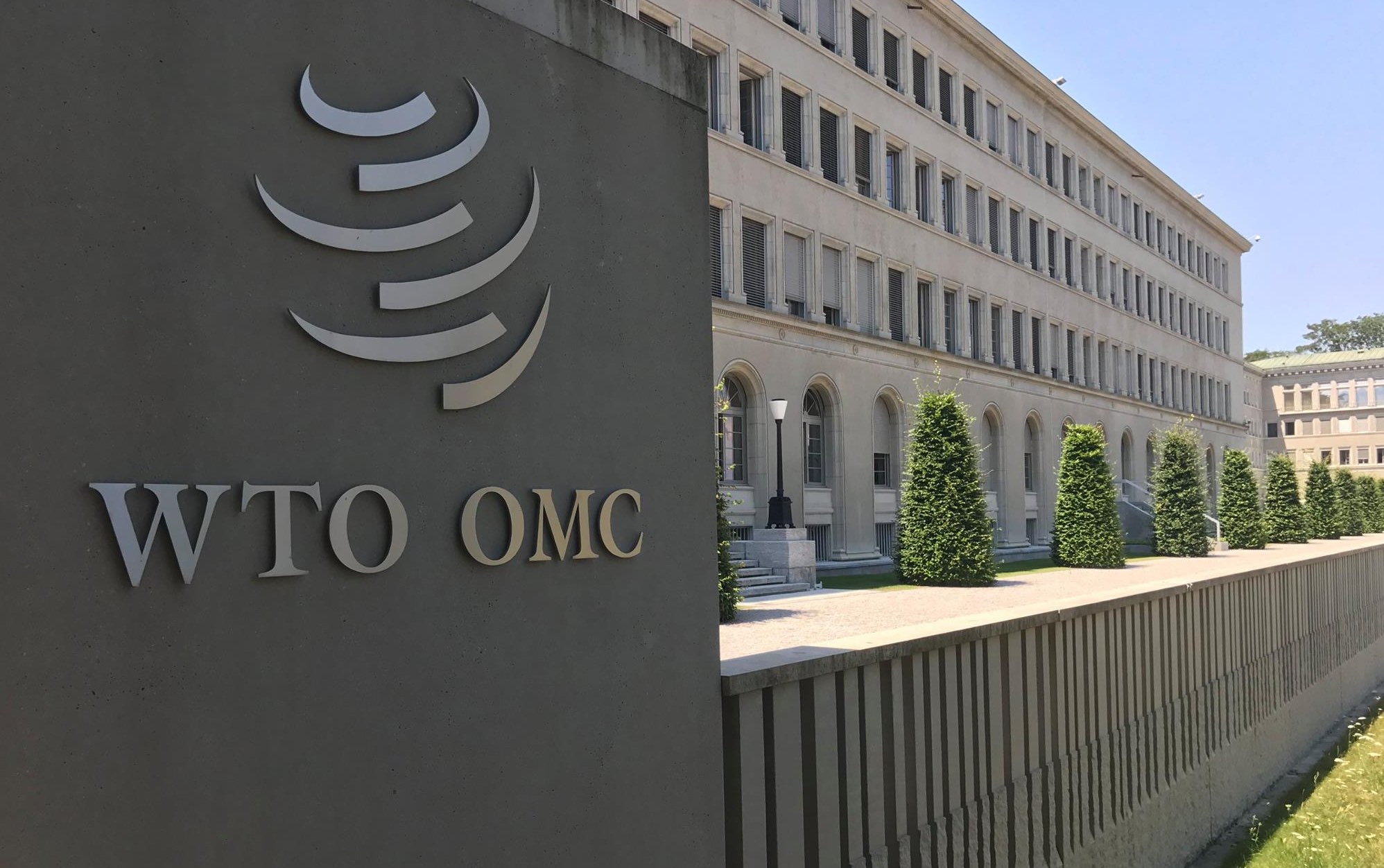
The crippling of the multilateral trading system
With the WTO appeals process shut down, trade disputes will go unresolved—with serious consequences.
-
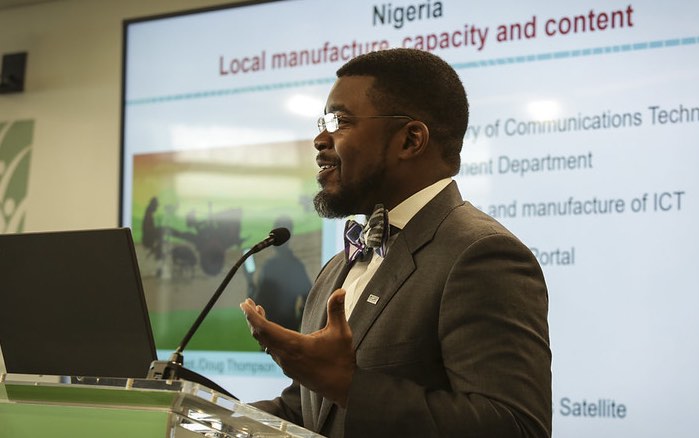
Policy seminar: Digital technologies are crucial to transforming Africa’s food systems
The promise of emerging "digitalization ecosystems" for agribusiness.
-
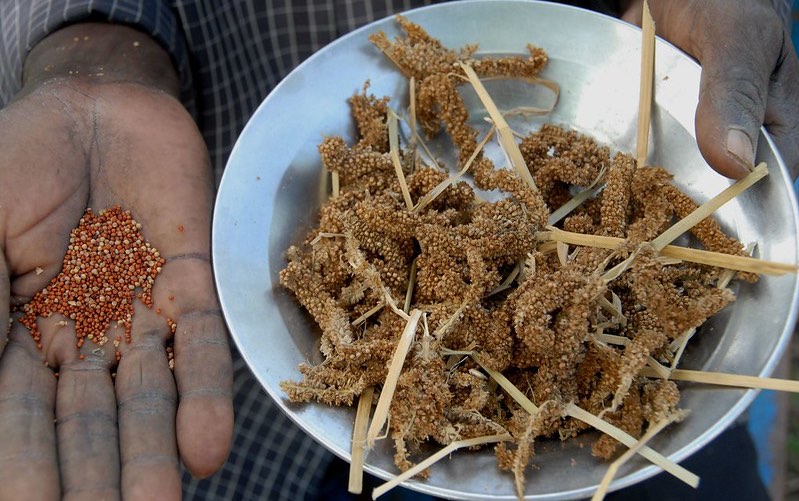
Overlooked, underused crops: An answer to our food system problems?
Globally, we are eating a smaller array of foods, resulting in diets that are less nutritious and healthy.
-
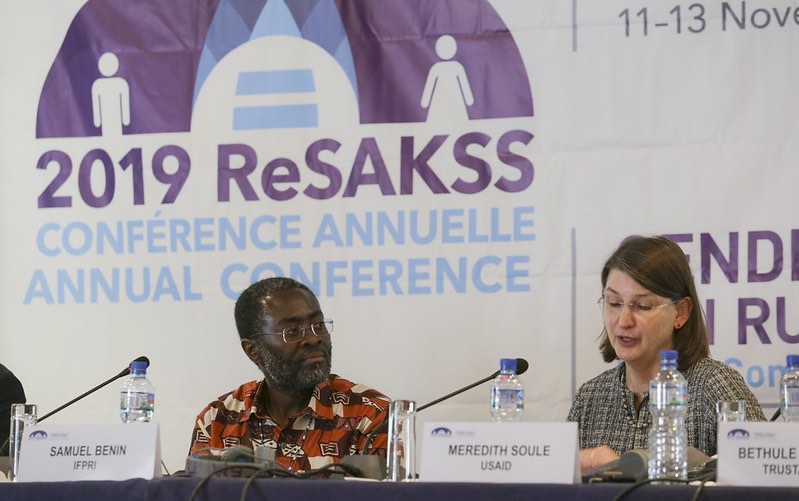
2019 ReSAKSS Annual Conference: Gender equality in rural Africa, from commitments to outcomes
"Minding the cracks" that emerge when gender is not considered in rural programs.
-
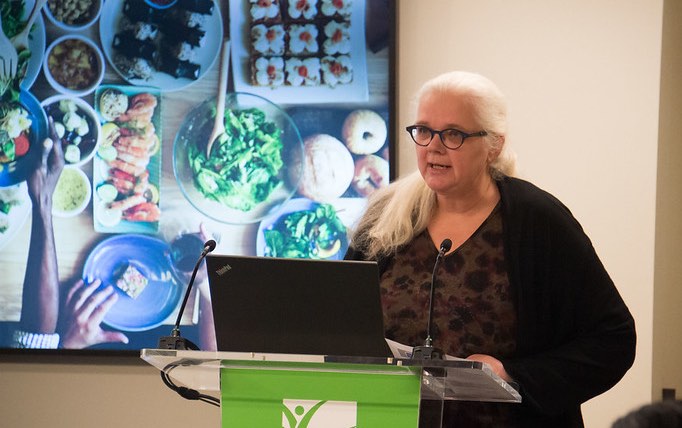
Policy seminar: Countries pivotal actors as food systems transform
Lessons from Nigeria and Viet Nam in managing unfolding food and diet transitions.
-
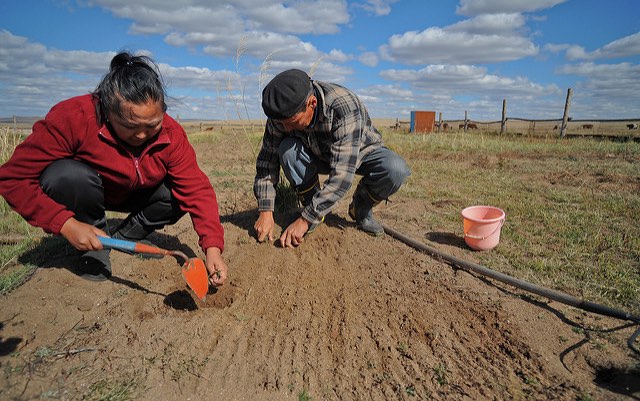
Is research capturing the multiple, overlapping climate risks farmers face?
From extreme weather to political instability, the risks in agriculture compound and reinforce one another. Second in a series.
-
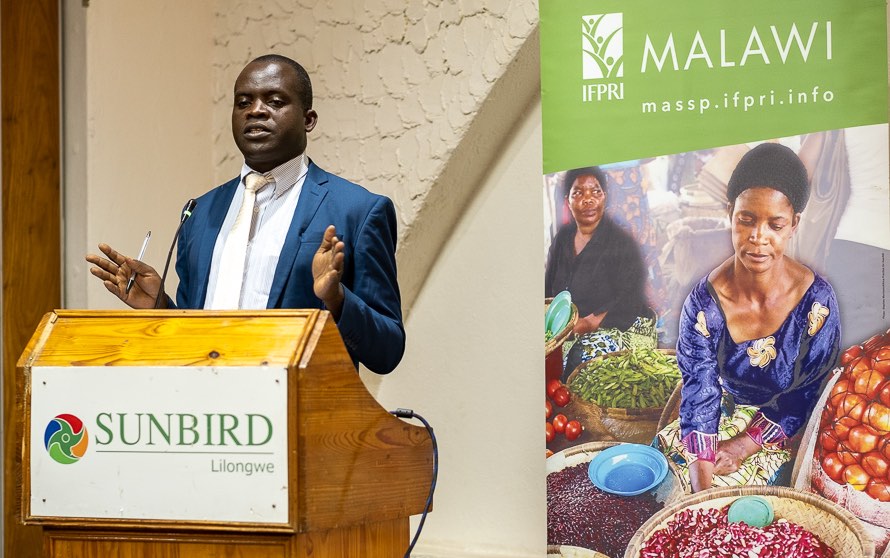
Evidence and lessons from a 3-year research study on agricultural extension in Malawi
A project charts better ways to reach farmers with new techniques and information.
-

How is economic security linked to gender-based violence? New insights from the Sexual Violence Research Initiative Forum 2019
Emerging ways to map a complex and poorly understood relationship.
-
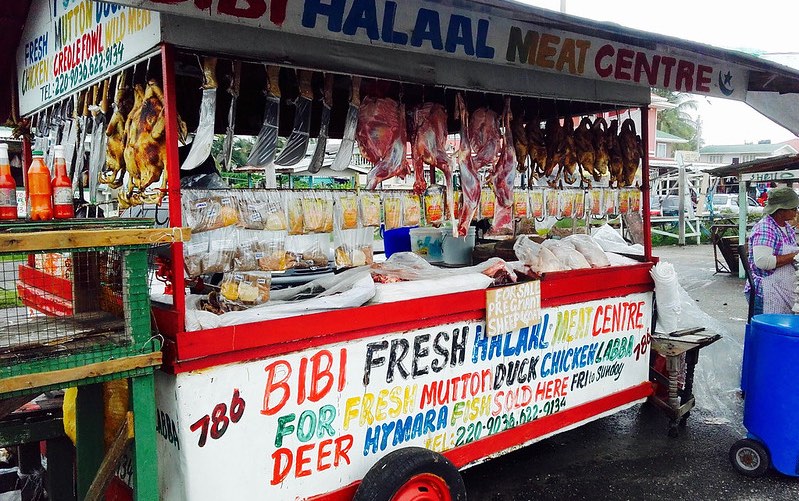
Addressing food safety questions along the value chain
As food systems grow more complex, so do challenges of stopping foodborne illnesses.
-

Alternative meat can sustain food systems
A rapidly-expanding market in China, the United States, and elsewhere shows promise for fighting food insecurity and climate change.
-
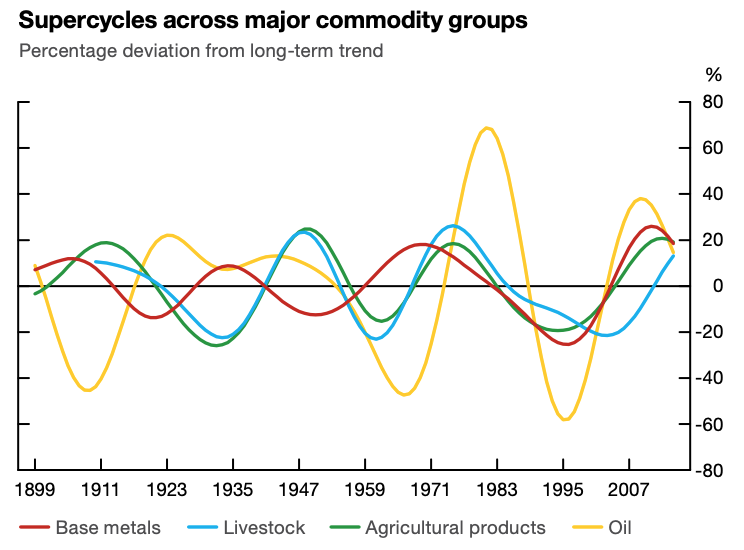
Democracy and commodity cycles in Latin America and the Caribbean
Falling commodity prices roil countries across the region regardless of politics.
-
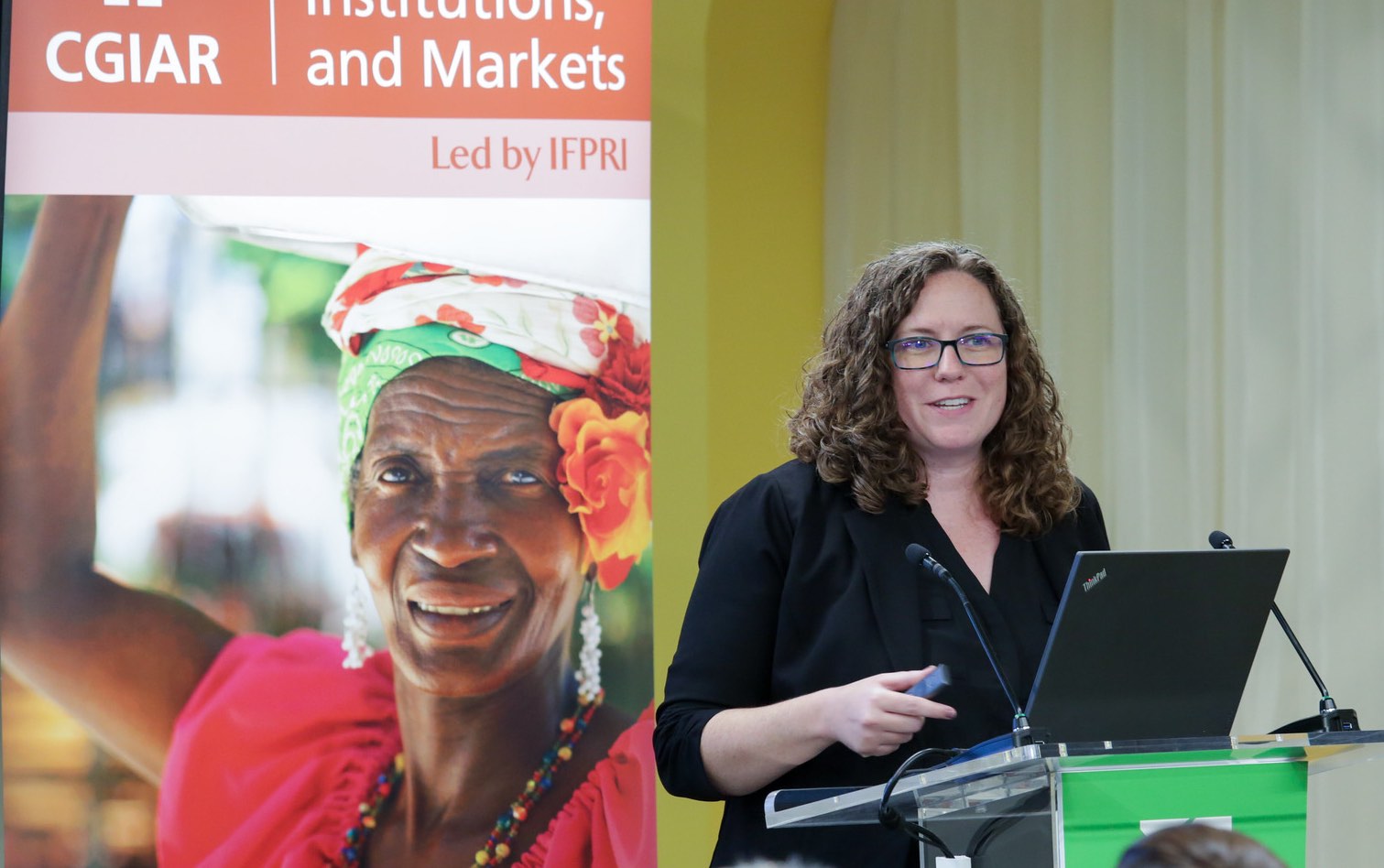
Policy seminar: Advancing gender equality through agriculture and natural resource management
A collaboration among CGIAR centers explores the latest gender research and its applications.
-
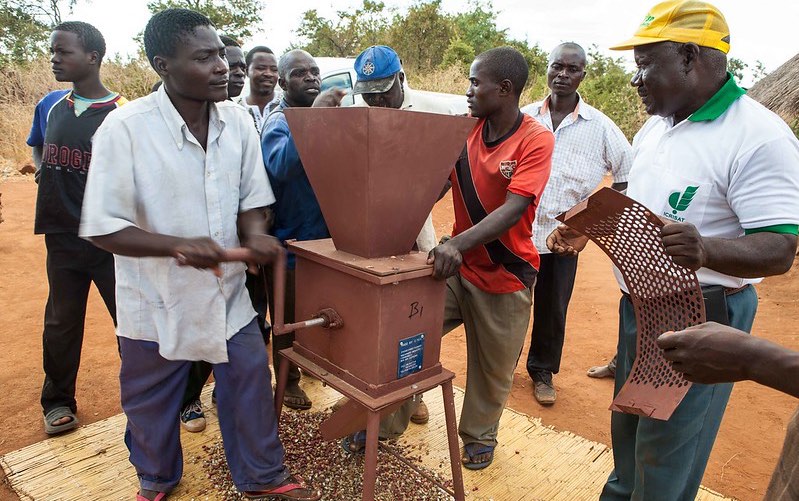
Can we ignore risk when we study the effects of climate change on agriculture? Research in Zambia tells us that we should not
Farmers' land management decisions offer a promising avenue to offset falling yields in a warming world. First in a series on climate risk and agriculture.
-
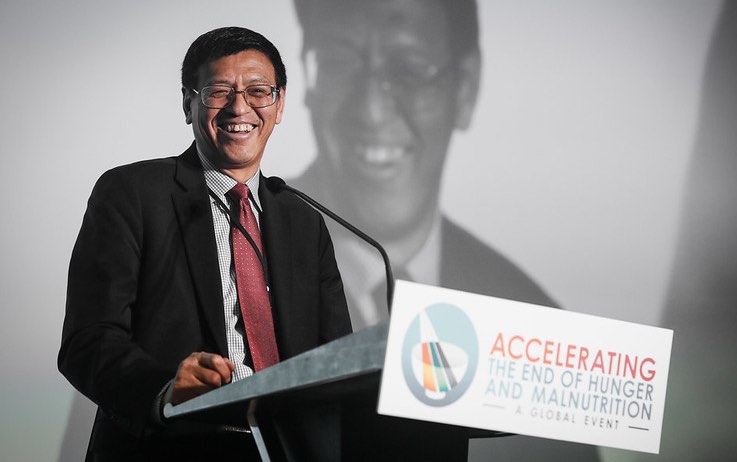
Some lessons from a life in food policy
From a childhood in rural China to grappling with global food security issues, Shenggen Fan reflects on his decade as IFPRI's director general.
-
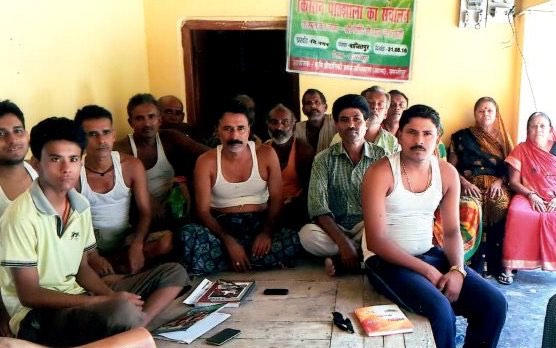
Million Farmers’ School program can be a key element in doubling Indian farmer’s incomes
An extension program of village-based trainings boosts agricultural knowledge.
-
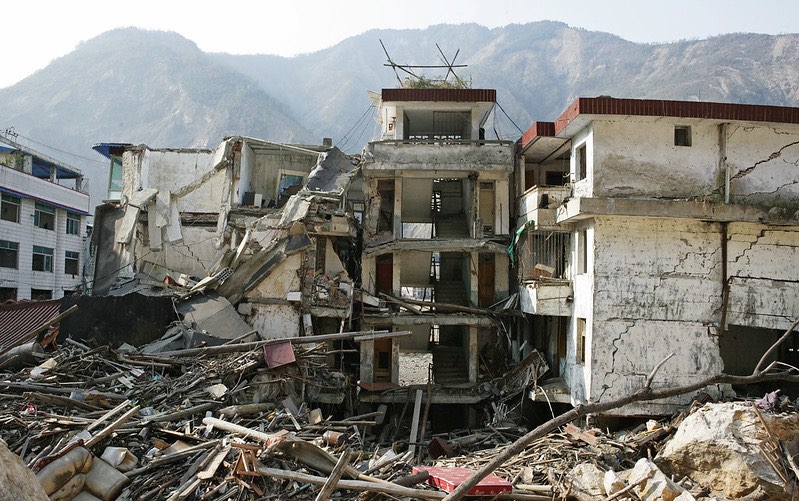
How do earthquakes shape economic behavior?
Research shows how a disaster can impact an economy beyond the simple rebuilding process. The Sichuan earthquake induced a lifestyle shift in households toward greater spending and shifted the economy away from industrial production.
-
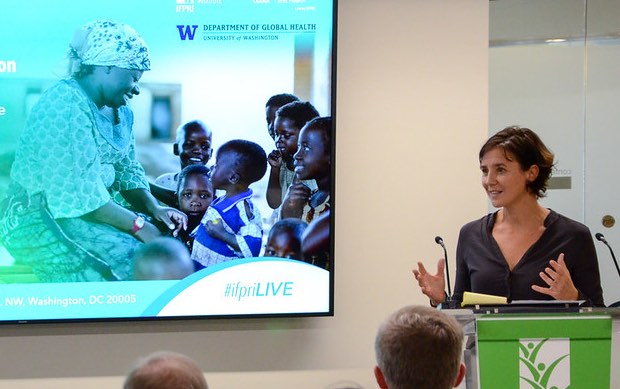
Policy seminar: What made Malawi’s community childcare centers successful platforms for an agriculture and nutrition program
An RCT impact evaluation by IFPRI and partners leads to a dramatic scaling-up.
-
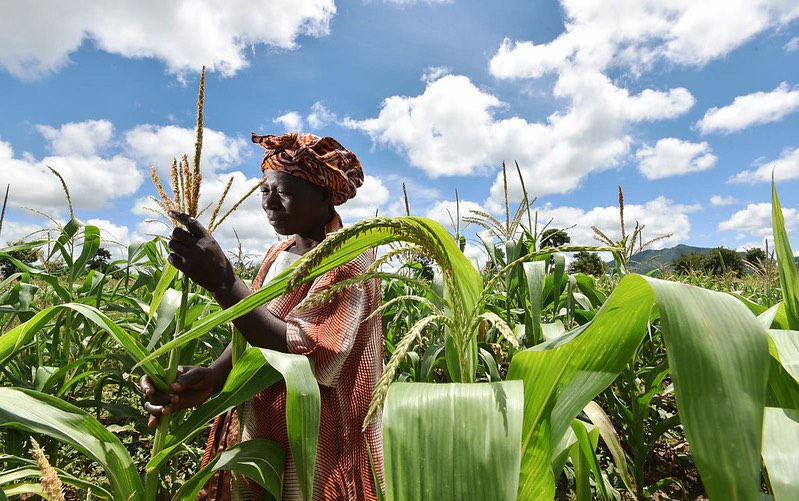
Policy transformation for achieving the SDGs: Can translational research help?
For major reforms to succeed, build local research capacity and integrate it with policy making.
-
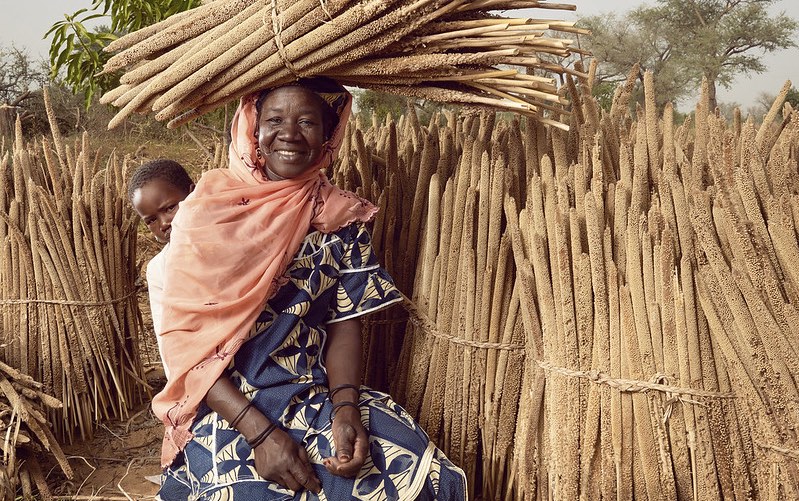
New challenges for women’s land rights in Africa
A wave of reforms across the continent has yet to approach gender equity in land tenure. Second in a series.
-
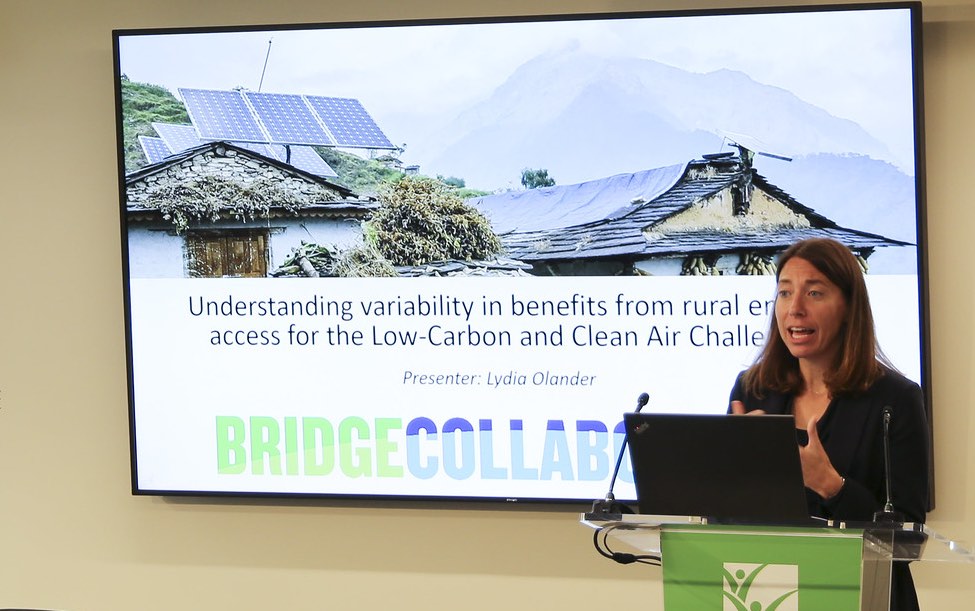
Policy seminar: The Bridge Collaborative on bringing about bigger change faster
A new report explores cross-sectoral efforts to address climate change, poverty, malnutrition, and other complex development challenges.
-
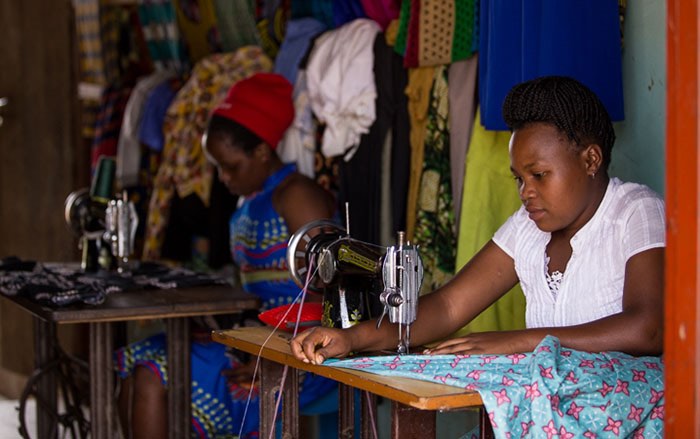
Changing the course on gendered transitions to adulthood in Africa
First in a series of blog posts on the release of the 2019 Annual Trends and Outlook Report (ATOR) at the ReSAKSS Annual Conference in Lomé, Togo, Nov. 11-13. This year’s ATOR theme is “Gender Equality in Rural Africa: From Commitments to Outcomes.” Read the second post here and the third here. Across the world, becoming […]
-
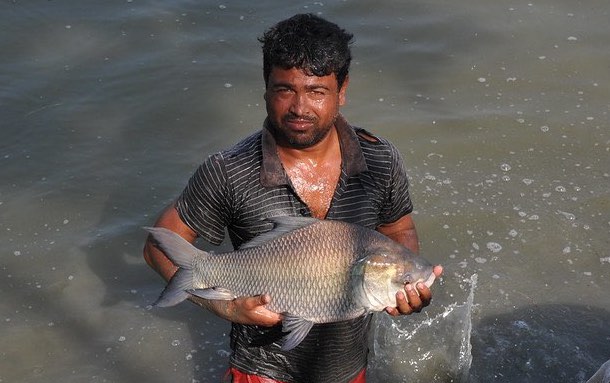
The making of Bangladesh’s Blue Revolution
A new IFPRI book explores the explosive growth of aquaculture and what it means for the future.
-
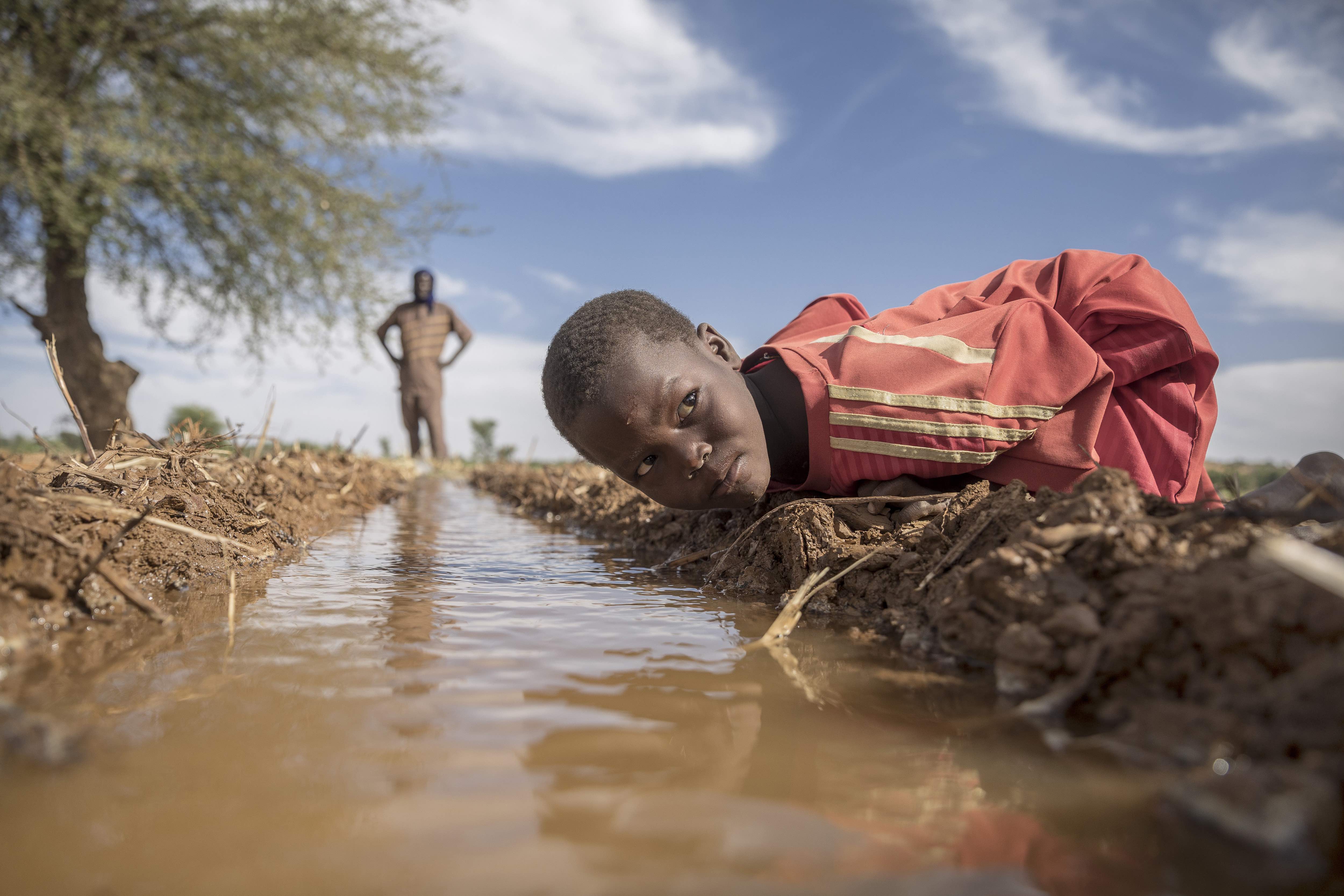
Rurbanomics: The path to rural revitalization in Africa
Revitalizing rural areas means improving infrastructure and boosting opportunities. Ultimately, sustainability depends on linking the advantages of rural economies with those of urban ones.
-
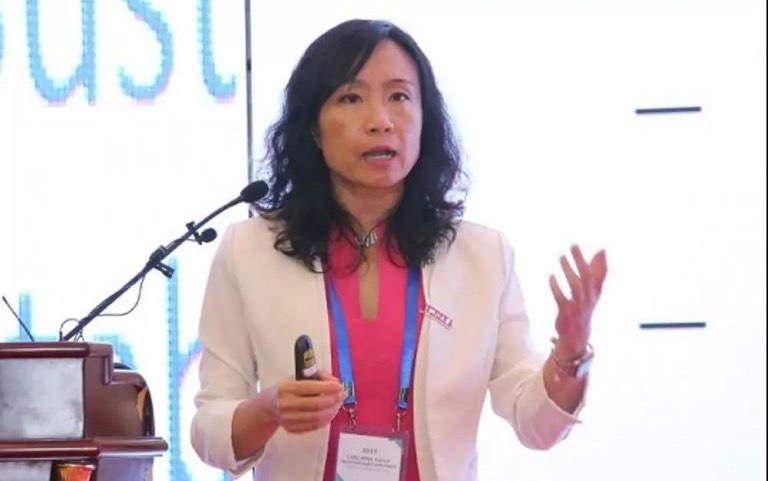
2019 CAER-IFPRI Annual International Conference: Promoting a quality-driven food system in China
From value chain development to open markets, ways to build better nutrition.
-
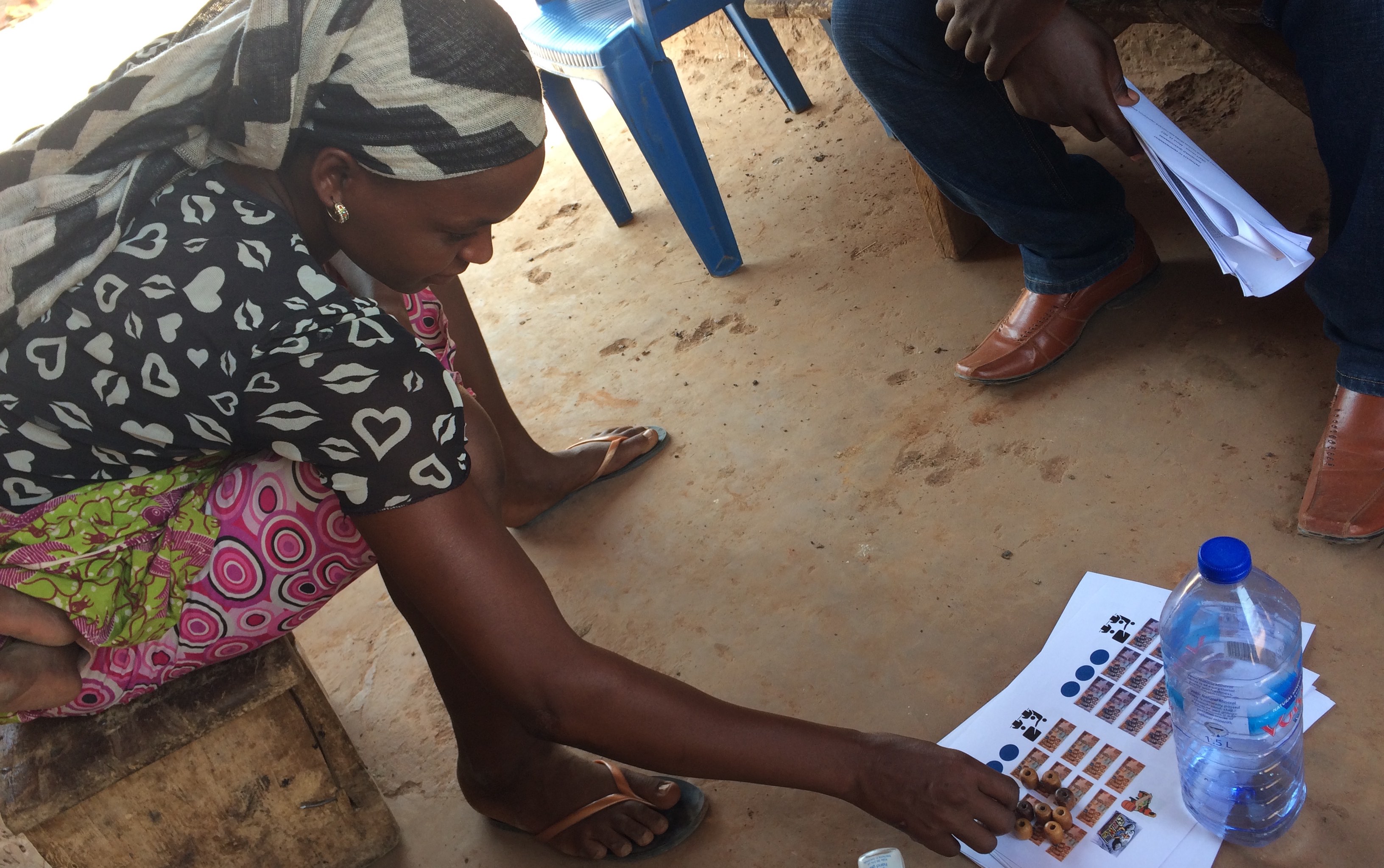
The road to women’s economic empowerment: Do women (and men) prefer on or off the farm?
An experiment in Ghana reveals nuanced gender attitudes toward farm households' economic investments.
-
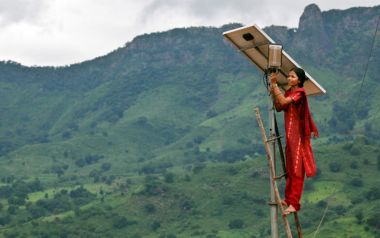
Revitalizing the rural economy: The power to make a change
Providing access to renewable energy and other revitalization efforts can unlock a better future for the rural poor worldwide.
-
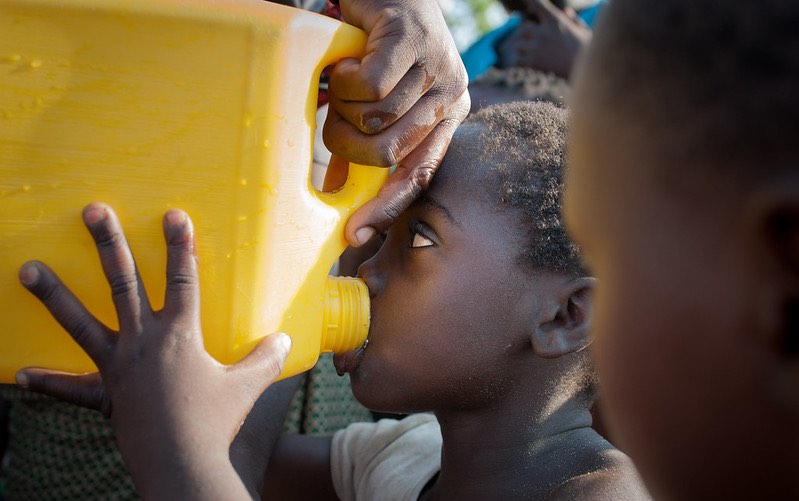
Poor in Africa south of the Sahara face rising disproportionate risks from extreme weather
Climate change-driven spikes in rainfall and heat waves linked to increases in poverty.
-
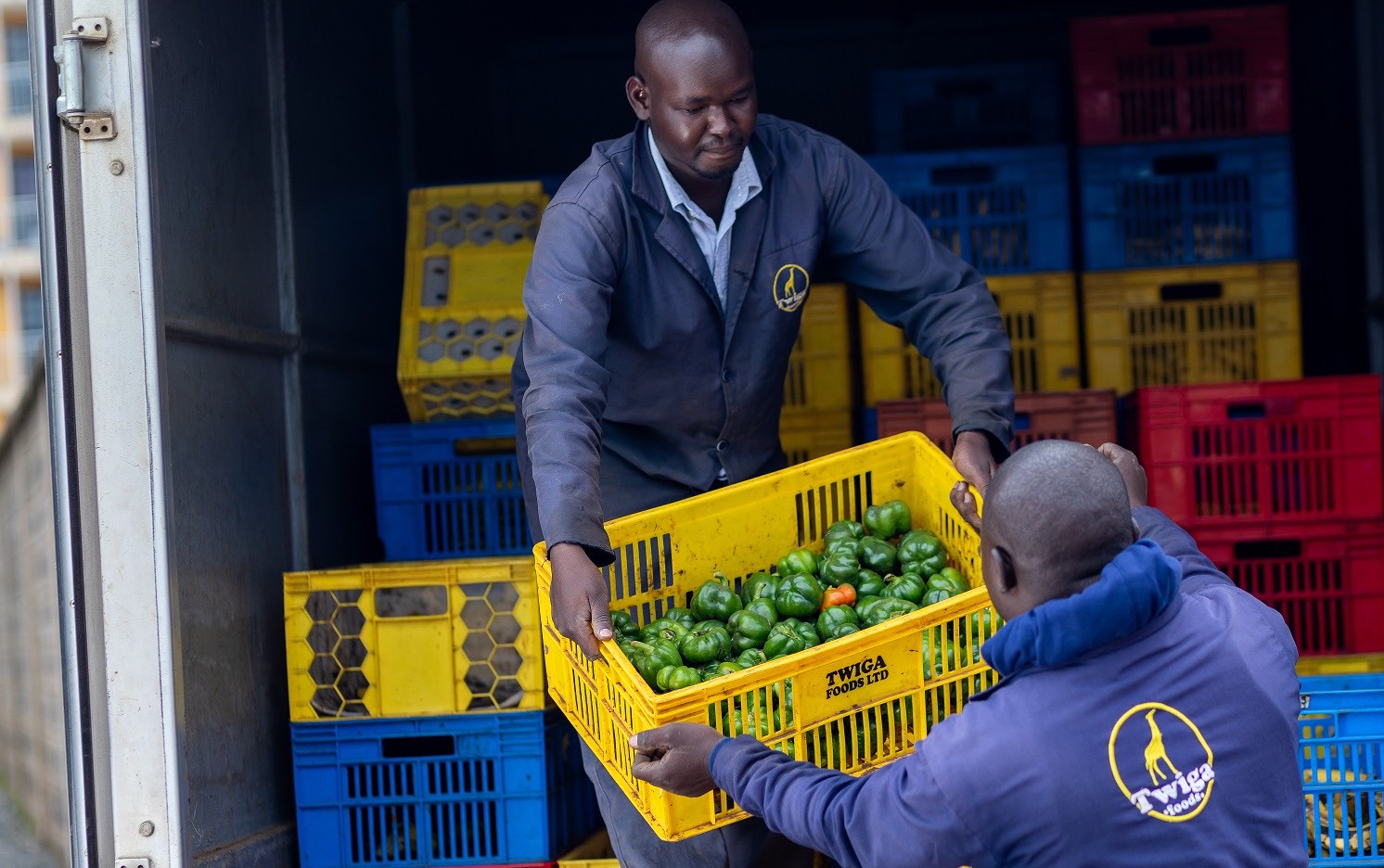
Africa Day for Food and Nutrition Security 2019: Making progress one byte at a time
How digital technologies are transforming agriculture and improving health and nutrition in Africa.
-
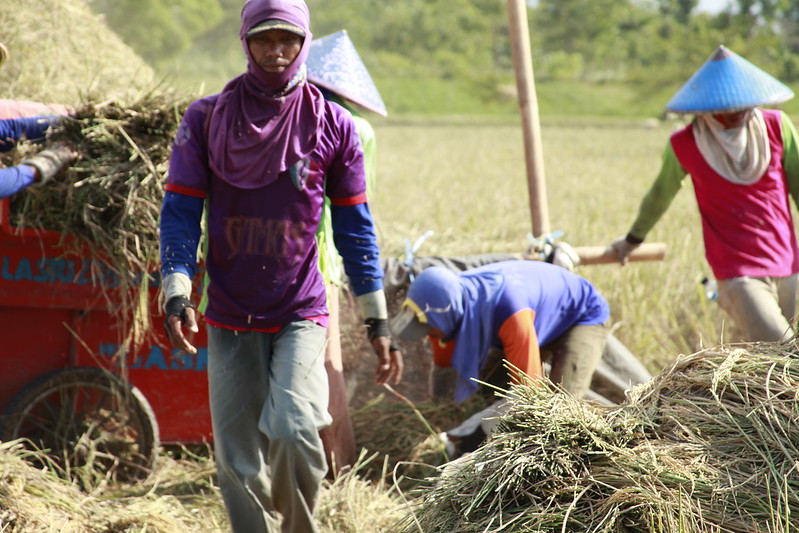
Investments, policies, and technologies for food security in Asia and the Pacific
Three new reports from the Asian Development Bank and IFPRI explore strategies for reducing hunger and boosting growth.
-
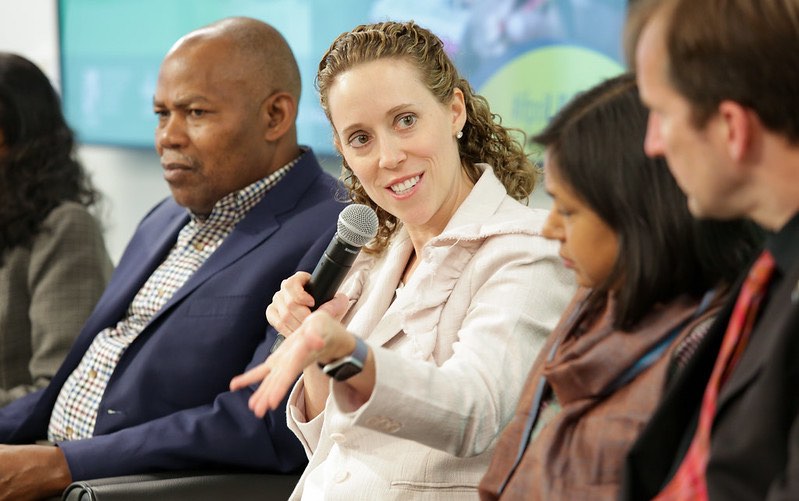
Policy seminar: Exploring the links between information access and effective government
Why more information does not always equal better services, and other insights.
-
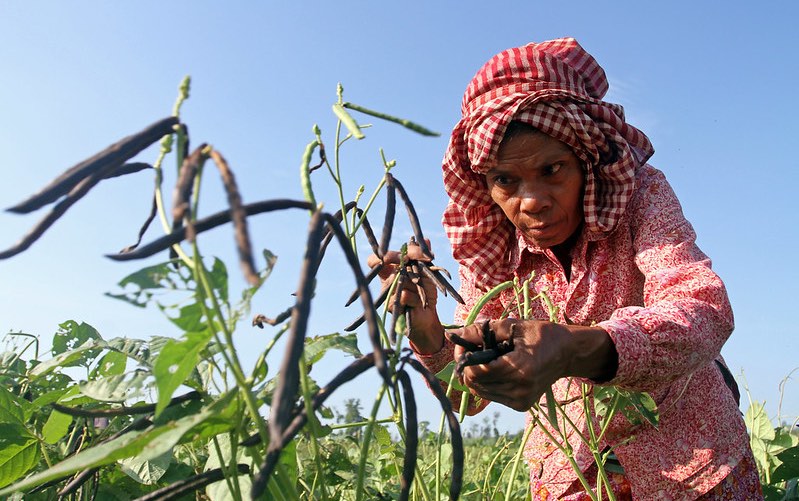
Achieving agricultural sustainability depends on gender equality
Essential efforts to level the playing field for women farmers include improving land tenure rights and boosting access to credit.
-
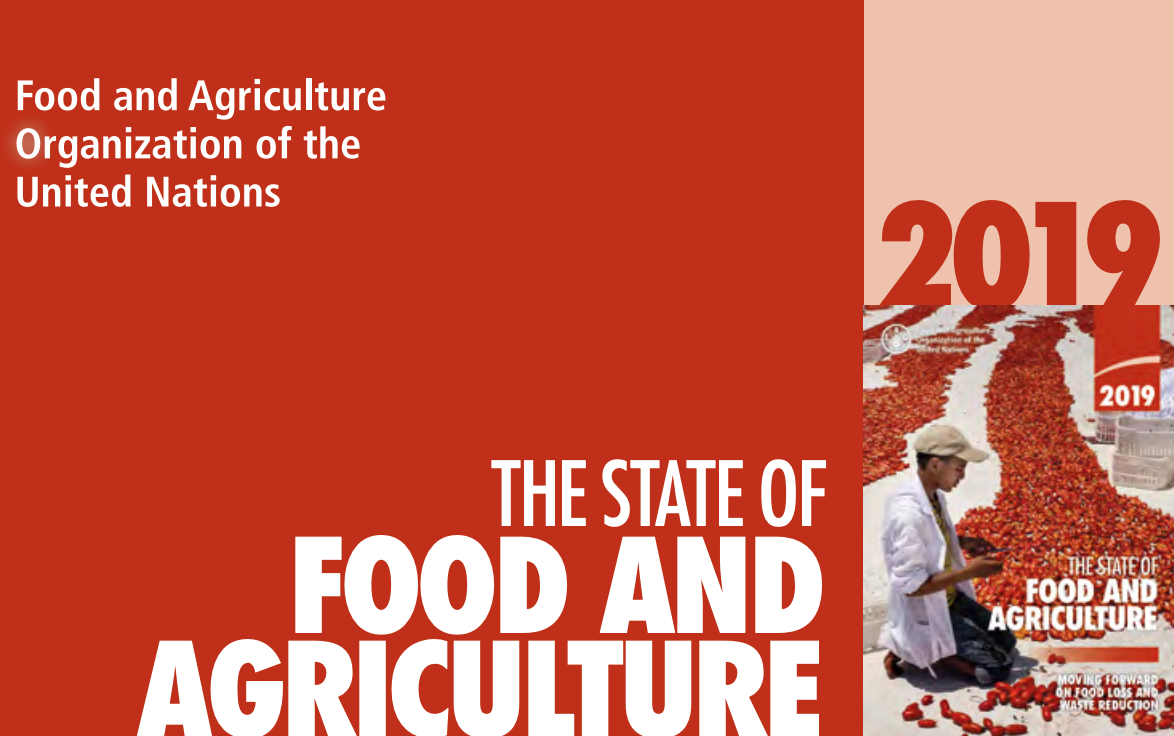
FAO SOFA report 2019: New insights into food loss and waste
Developing more accurate ways to measure a crucial food system problem.
-
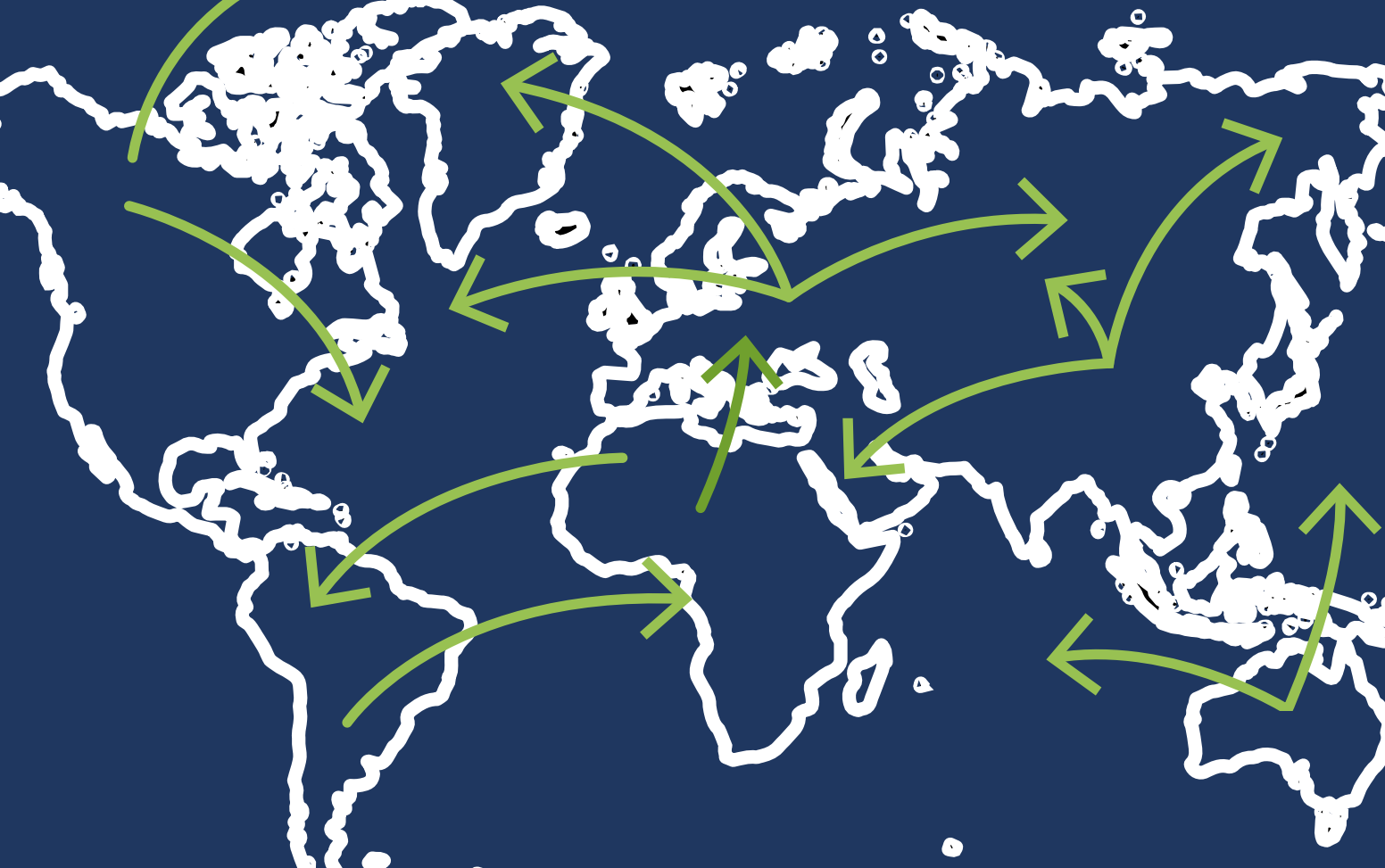
A new approach to modeling: Placing sustainable development at its core
A new book advances a holistic approach to modeling the SDGs and similar complex development processes.
-
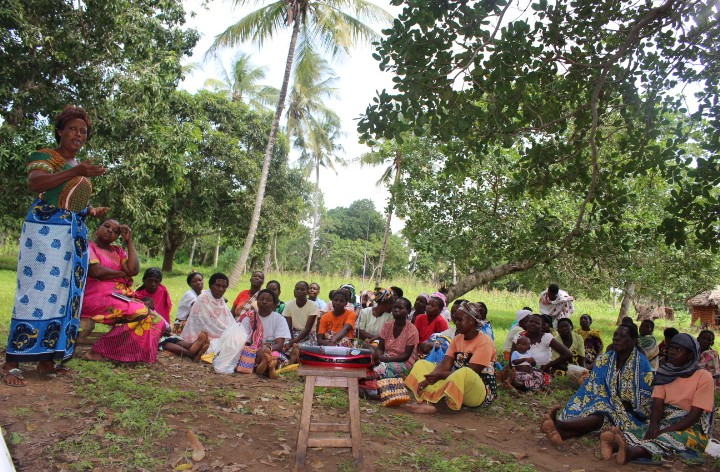
When information leads to better governance in rural areas—and when it doesn’t
A special issue of World Development examines when and how access to information helps improve local services.
-

Impact study demonstrates Bt brinjal eggplant variety helps farmers in Bangladesh earn more with less pesticide
A new genetically-engineered pest-resistant eggplant variety shows promise.
-

Book launch: Ghana’s prospects for economic transformation
Agricultural reforms can spark broader growth and development for Ghana, a new book argues.
-

Nobel Economics Prize: Experiment-based research to reduce hunger, malnutrition, and global poverty
Director General Shenggen Fan on the groundbreaking research of Abhijit Banerjee, Esther Duflo, and Michael Kremer and their work with IFPRI.
-
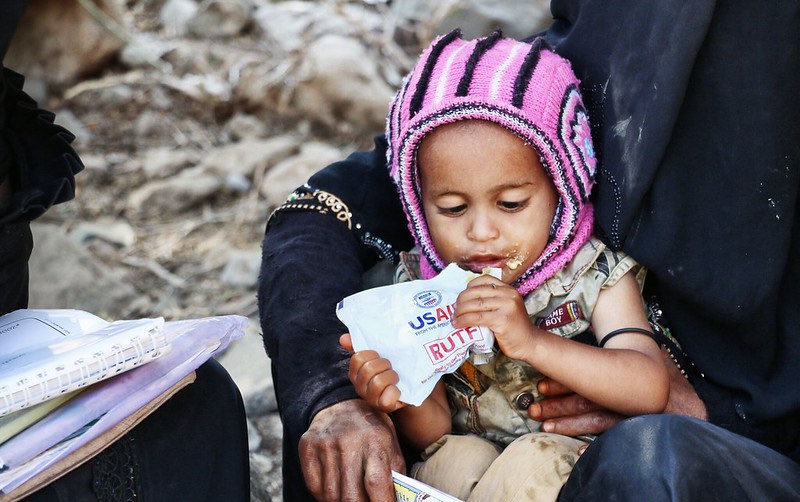
Global Report on Food Crises mid-year update tracks world’s food insecurity hotspots
The latest on evolving situations in Yemen, northern Nigeria, South Sudan, and elsewhere.
-
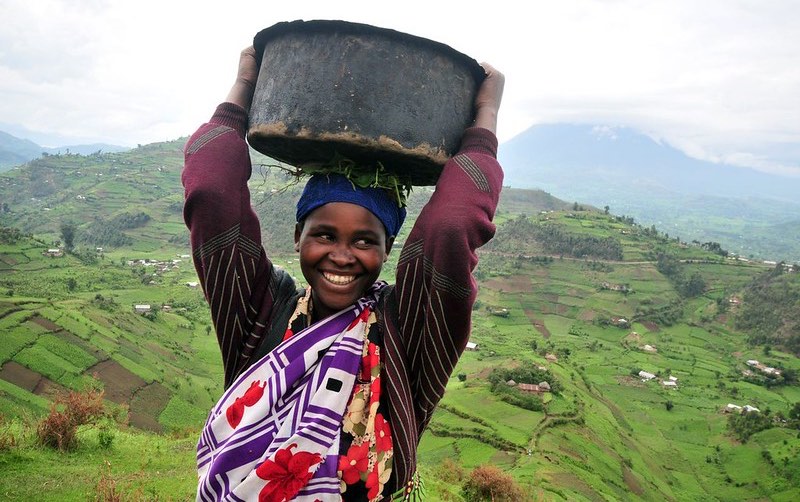
International Day of Rural Women 2019: Measuring what matters for gender equality
How the Women's Empowerment in Agriculture Index (WEAI) is helping researchers, project implementers, and donor organizations assess gender equity in the field.
-
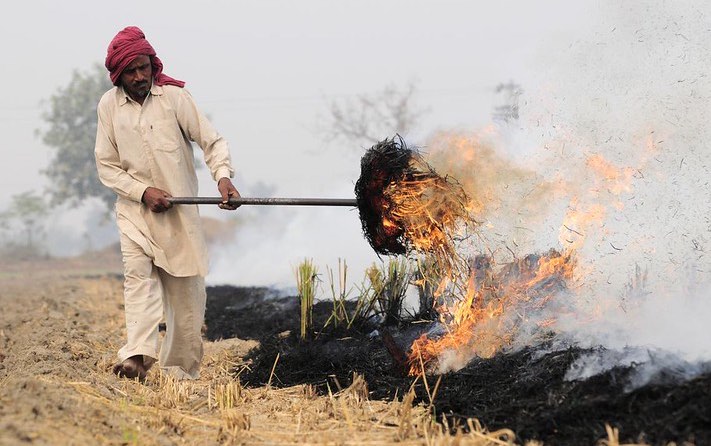
How air pollution is holding down wheat yields in India
Research reveals a large hidden cost of ozone and aerosol emissions.
-
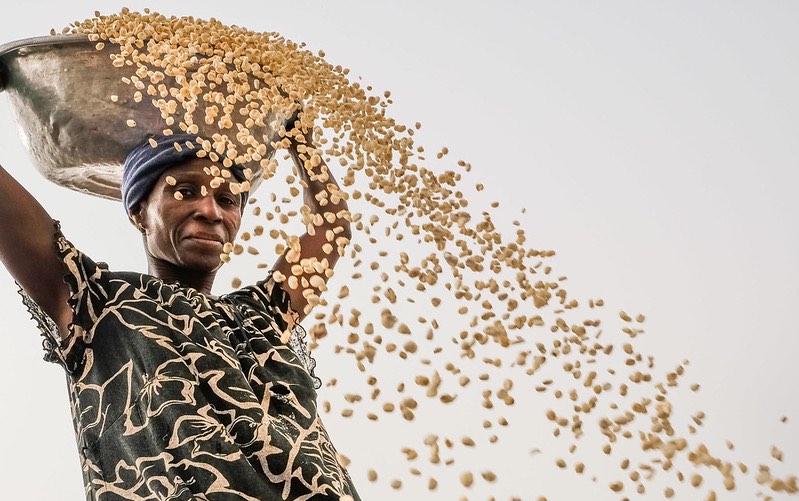
Agricultural growth is key to spur Ghana’s economic growth
Despite its reputation as African success story, Ghana needs investments and sound policies to transform its farm economy.
-
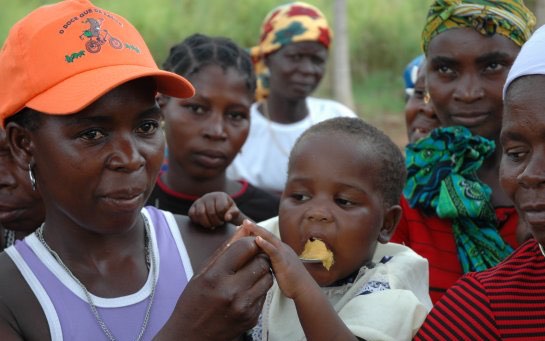
Understanding what impacts last, after the project ends
A biofortification project in Mozambique shows lasting nutrition benefits.
-
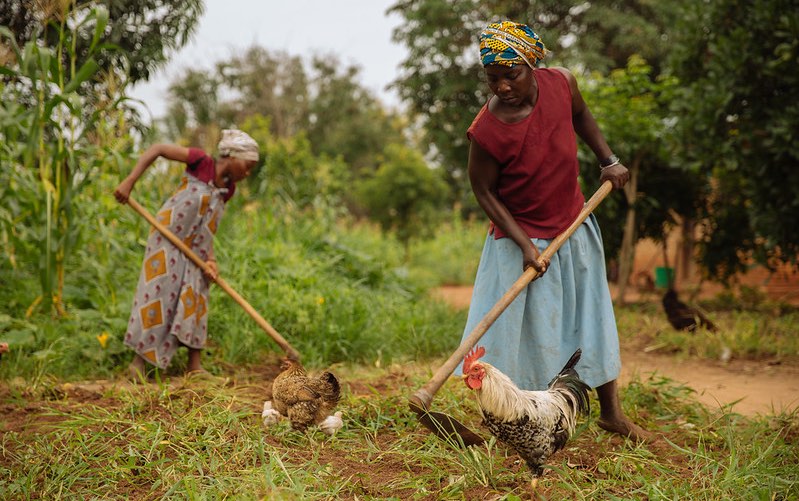
Empowering Africa’s women farmers
When Africa’s women farmers thrive, everyone benefits. With the right investments and policies, Africa’s woman-run farms could produce a bumper crop of development.
-
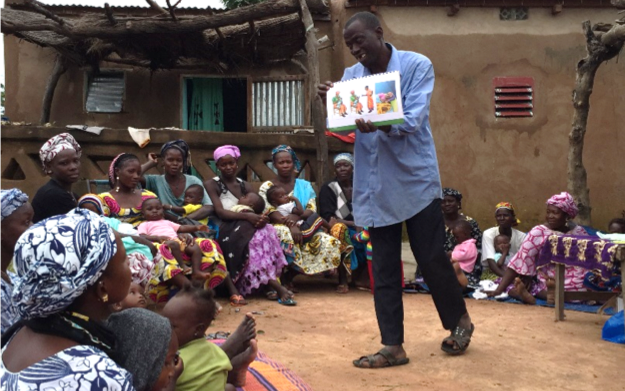
Incorporating prevention into community-based management of acute malnutrition: Insights from Mali and Burkina Faso
Studies show mixed results for a program that coupled acute malnutrition screenings with dietary supplements.
-
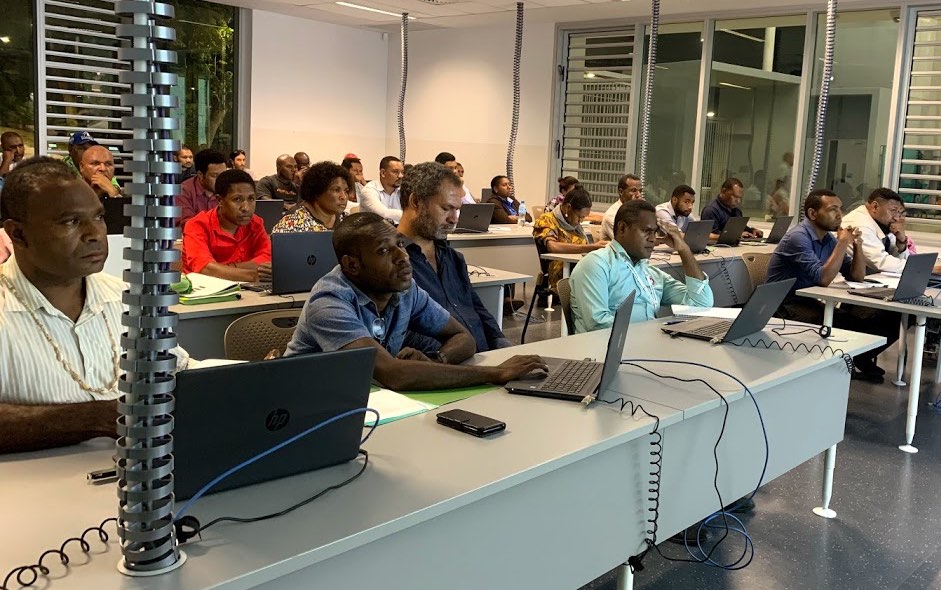
Crunching IFPRI data to build research capacity in Papua New Guinea
New insights into nutrition and poverty from IFPRI's PNG Household Survey on Food Systems.
-

Climate mitigation can support growth in developing countries
A short-term exemption from emissions reduction targets would have a positive impact.
-

Informal traders in Africa’s cities: Coopted, coerced or just neglected?
The complex political dynamics behind government crackdowns on food vendors.
-
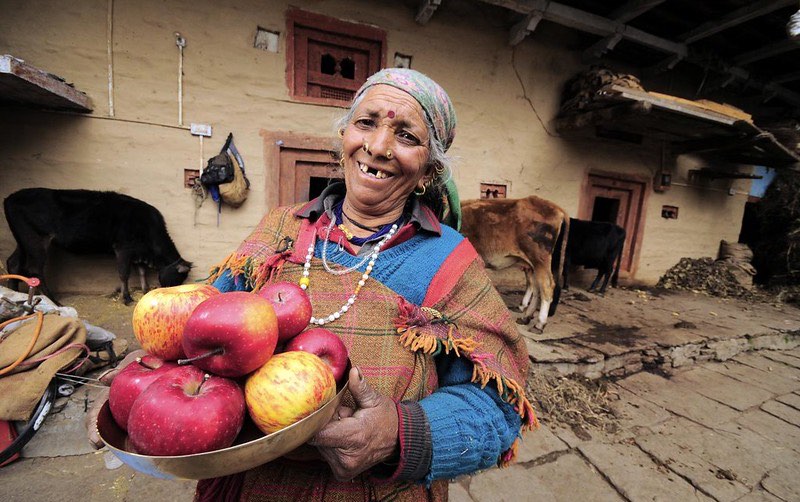
Locally-grown fruits and vegetables can improve diets of rural women in India
Local produce has many nutritional benefits, but is increasingly scarce in many village diets. Why?
-
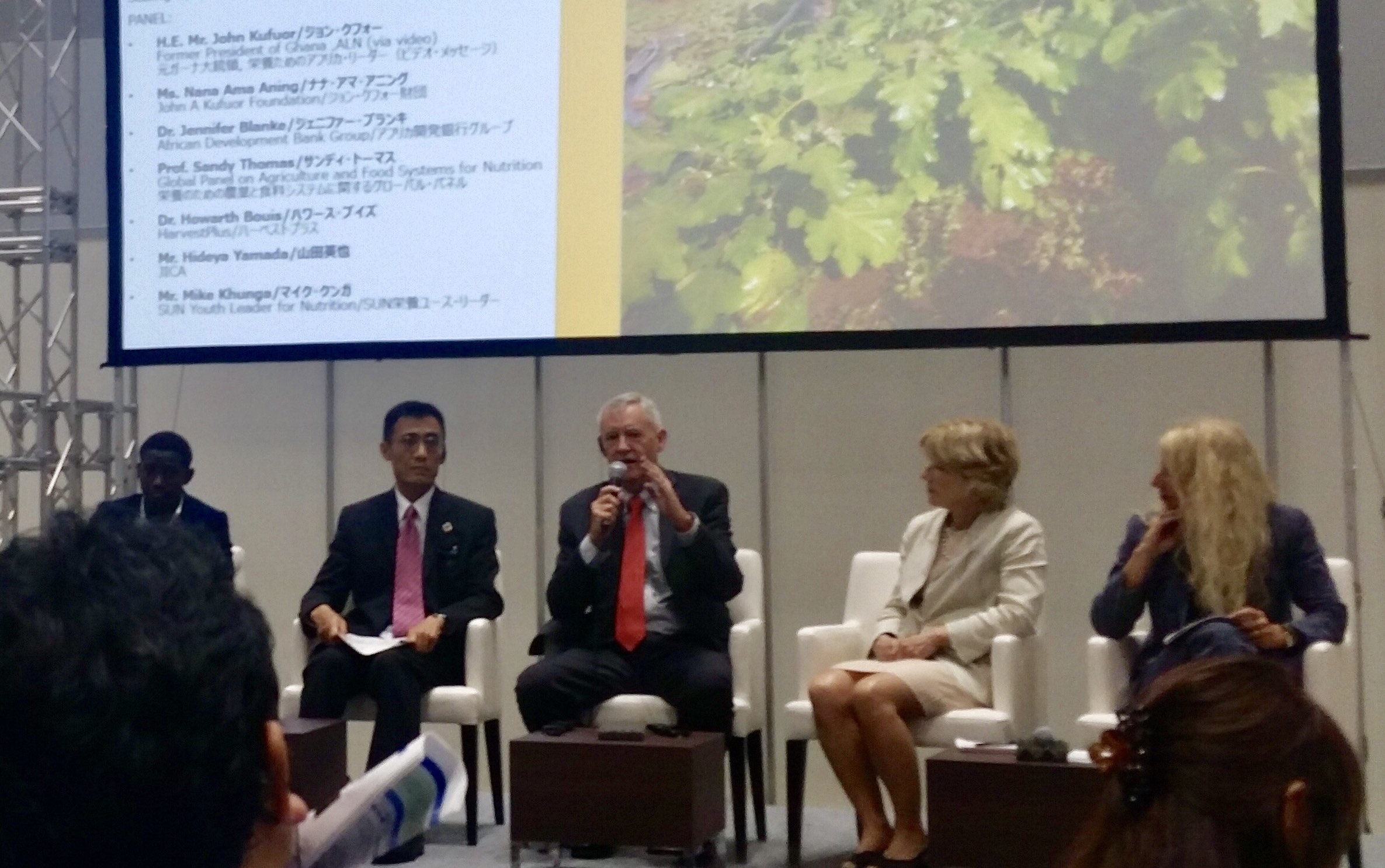
TICAD7 Side Event: How Japan’s know-how can help address Africa’s food and nutrition challenges
Japanese organizations and businesses are working with African partners on a variety of fronts, from surimi factories to tomato production—a discussion.
-
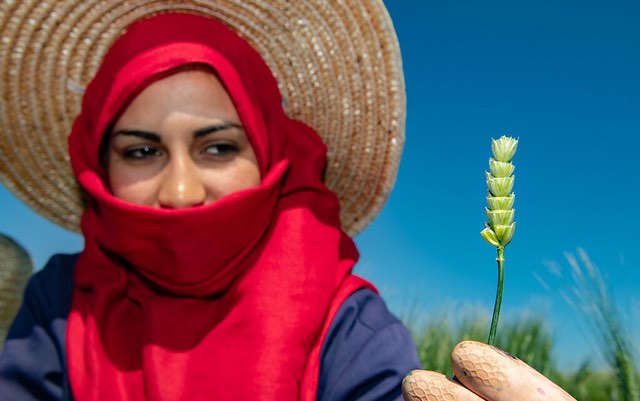
How do we estimate the consequences of global inaction on genetic diversity conservation, exchange, and use?
Securing billions of dollars in funding and keeping momentum behind essential crop diversity efforts – it's complicated. A discussion.
-
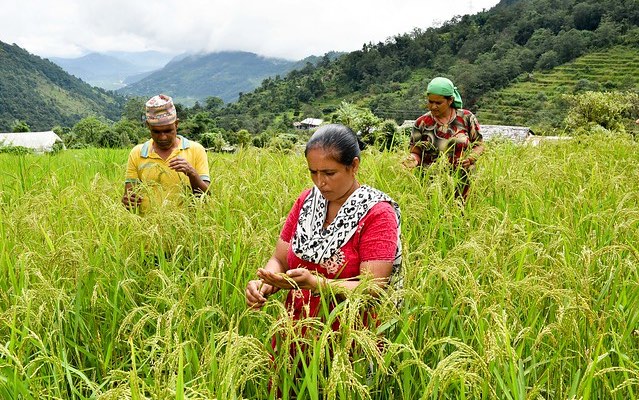
Investment in agricultural research key to offsetting climate change impacts
Food systems face unprecedented challenges on multiple fronts, including increasing production while keeping the climate stable.
-
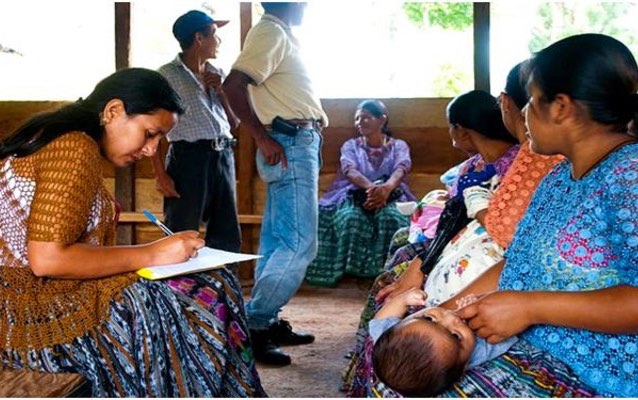
Programs need to focus on the double burden of malnutrition: Evidence from Guatemala
A nutrition program reduced stunting, but mothers who participated retained more weight—suggesting such tradeoffs should be part of program design.
-

Policy seminar: Doing more, doing better, and doing new on climate adaptation
Innovative approaches to climate change challenges, from R&D to ecological pest control.
-
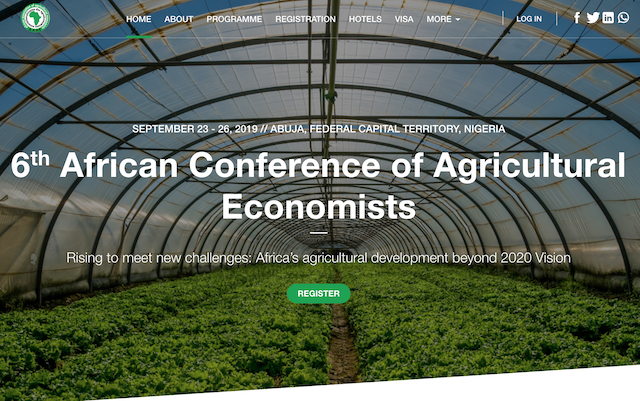
IFPRI at the African Association of Agricultural Economists conference
Exploring the policy challenges facing African governments as they tackle demographic shifts, climate change, urbanization, and other issues.
-

A focus on gender is key to climate adaptation
Climate shocks affect men and women differently—one of many reasons to integrate gender into climate policies and programs.
-

Special event: Nurul Islam on a lifetime in global development
From Bangladesh independence to key questions on what drives growth and development.
-

Benefits of interconnectedness: How addressing climate change can foster sustainable land and food security
Climate change mitigation can have many benefits for smallholder farmers.
-
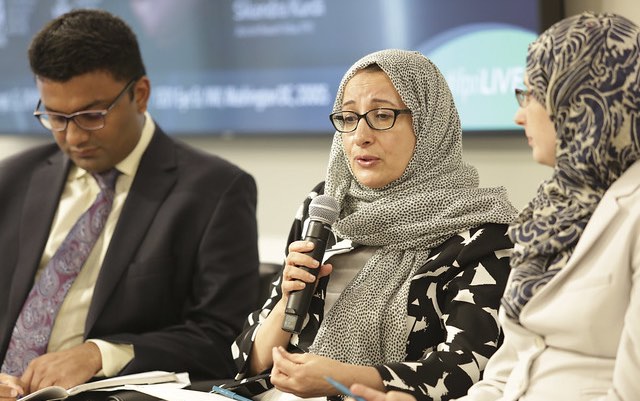
Policy seminar: Exploring a cash transfer program’s impacts on malnutrition in war-torn Yemen
Cash for Nutrition combined transfers with nutrition education and achieved positive results in difficult circumstances—now more research is needed.
-
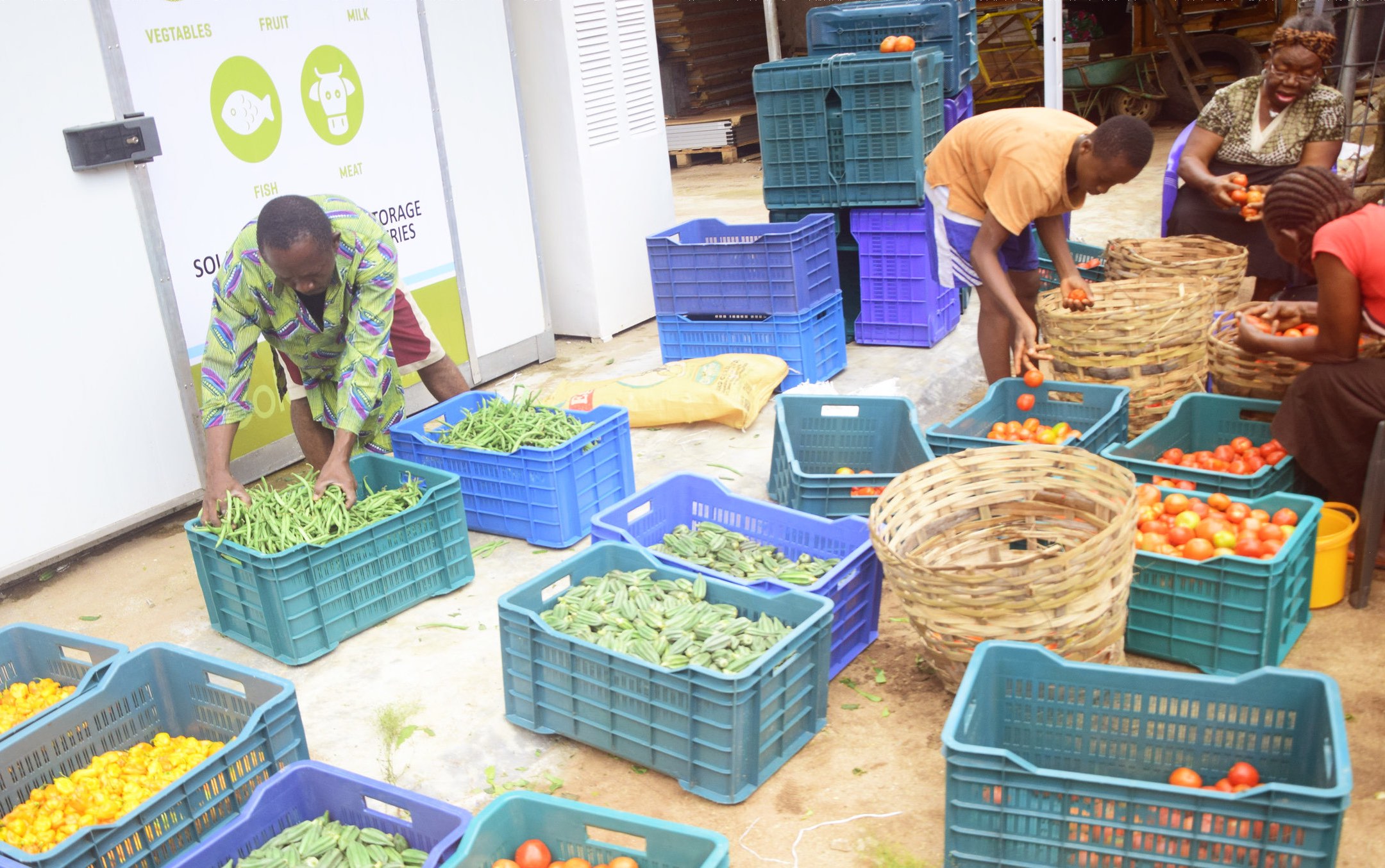
How small businesses are driving growth across African agriculture
A new report finds 64% of food consumed in Africa is handled by millions of small- and medium-sized enterprises (SMEs), a vibrant yet often overlooked economic force.
-

Averting the looming climate crisis for the global poor
The poor are the most vulnerable to climate impacts worldwide, from drought to extreme weather. Here are key steps to protect them going foward.
-
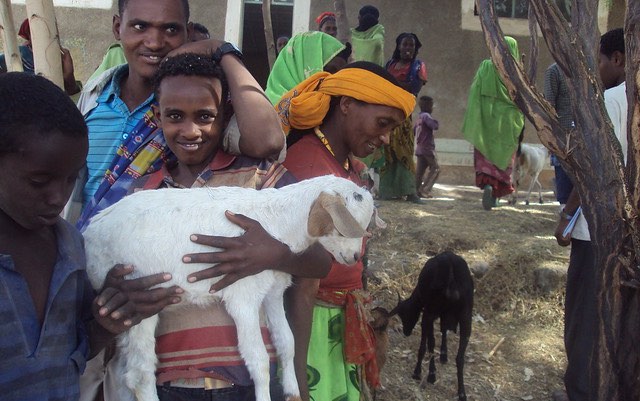
The IFPRI-A4NH Diet Quality and Health of the Poor program: Has the research worked?
An impact assessment shows how research is shaping nutrition programs and policies.
-

China offers e-commerce lessons for rural Africa
How Shuyang, China, became a hub for horticulture e-commerce—and its promise for Africa, where online sales are growing fast.
-

As the 2019 UN Climate Action Summit Approaches, here’s how IFPRI is addressing climate change
First in a series of posts exploring climate change and its implications for food systems, land use, migration, and other issues.
-
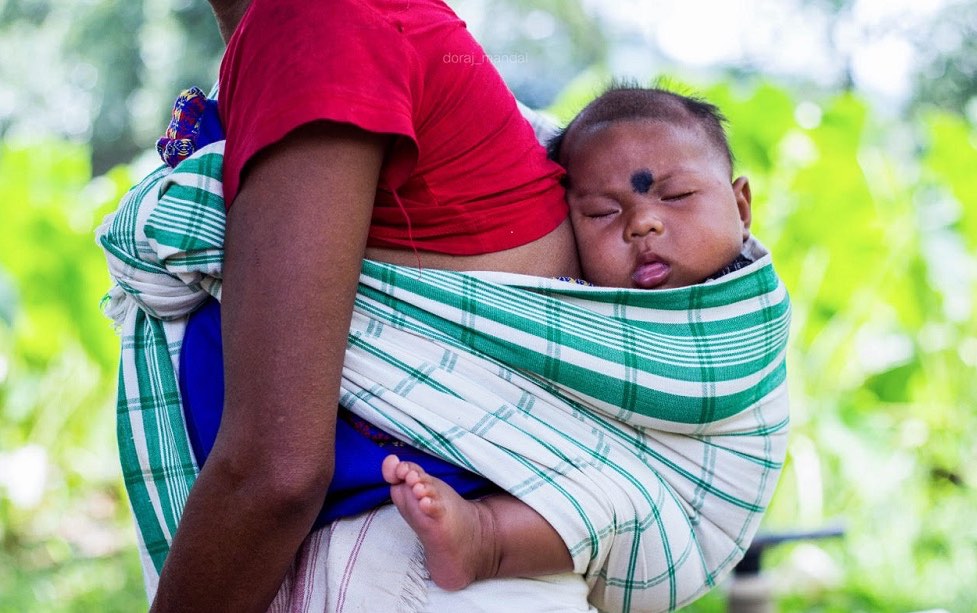
Why the first thousand days matter most
The success of India's nutrition efforts lie in ensuring interventions for mothers and infants converge and complement each other.
-

Will genetic engineering contribute to disease-resistant crops, and who will benefit?
Emerging genetic engineering technologies have enormous potential for agriculture. But how to ensure the benefits reach farmers in middle- and low-income countries?
-
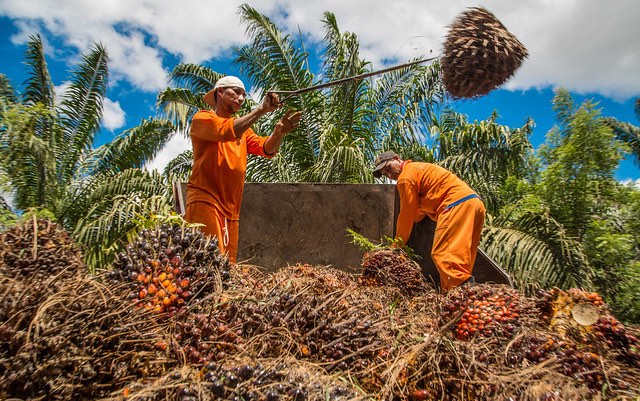
Can boosting yields slow the global palm oil expansion and ease its environmental impacts?
Modeling shows a way to address a major contributor to deforestation and climate change.
-
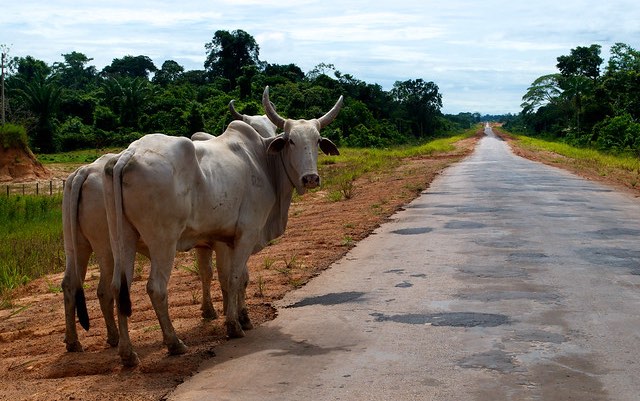
To tackle climate change we need to rethink our food system
The food industry is an enormous driver of climate change, a new UN report warns, and our current global food system is pushing our natural world to the breaking point.
-
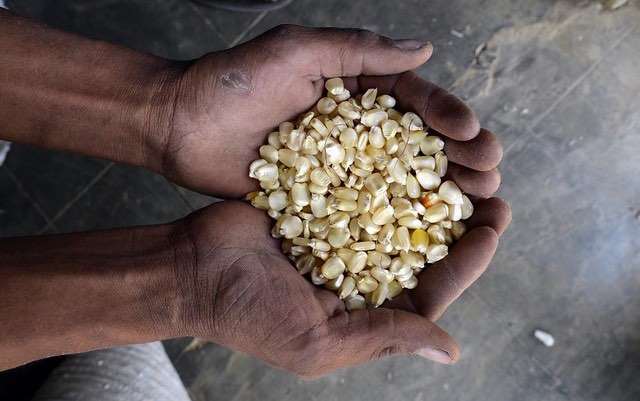
How climate change will impact agricultural productivity in Central America and the Andean Region
Central America will be particularly hard-hit by declining yields of rainfed maize, modeling shows.
-

Can creation of a separate Indian Ministry of Animal Husbandry, Dairying, and Fisheries bring fresh momentum in growth?
India's new ministry can bring more policy focus and resources to bear on important, neglected industries—but also presents certain challenges.
-
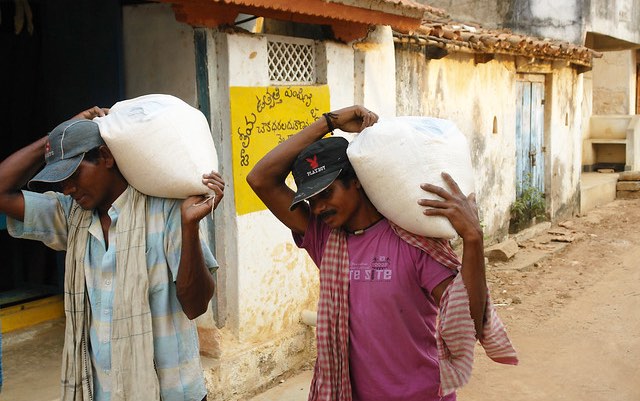
‘One Nation One Ration Card’ can transform lives in India
India's proposed standardized national system will enable migrants to seamlessly access their food benefits and switch providers.
-
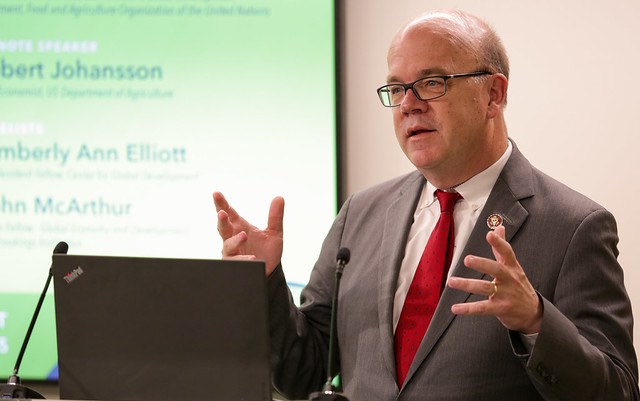
2019 State of Food Security and Nutrition in the World: Persistent hunger and obesity increase the global burden of malnutrition
For the third year in a row, global hunger remains stubbornly high, affecting more than 820 million people. A discussion.
-

Protect our food. Fund the seed.
The urgent need for more public investment in crop improvement programs in developing countries.
-
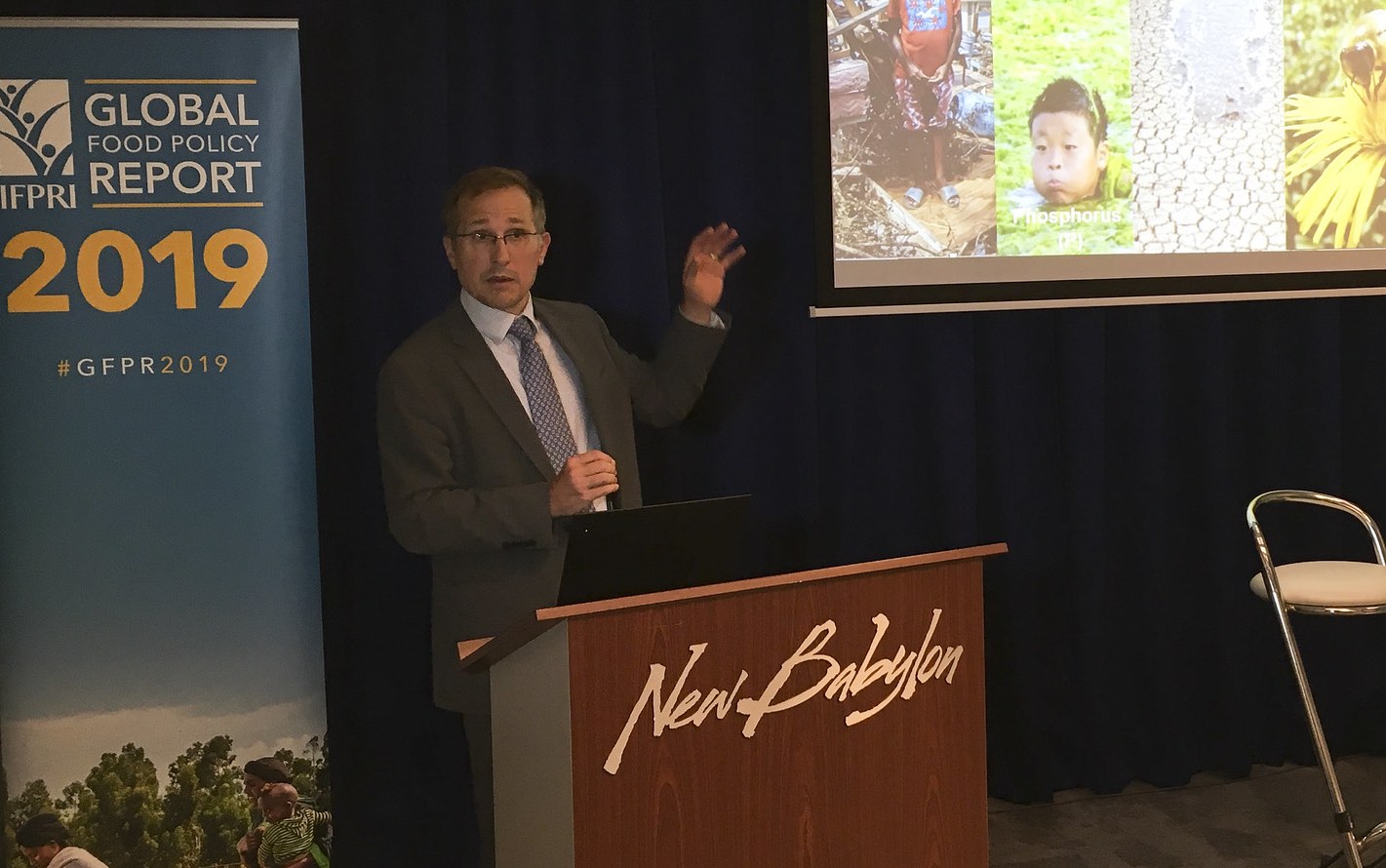
Global Food Policy Report–EAT-Lancet Commission launch in The Hague: Rural revitalization and sustainable diets
How do two major reports with different emphases on the relationship between nutrition and agriculture challenge our daily practices and current policies?
-
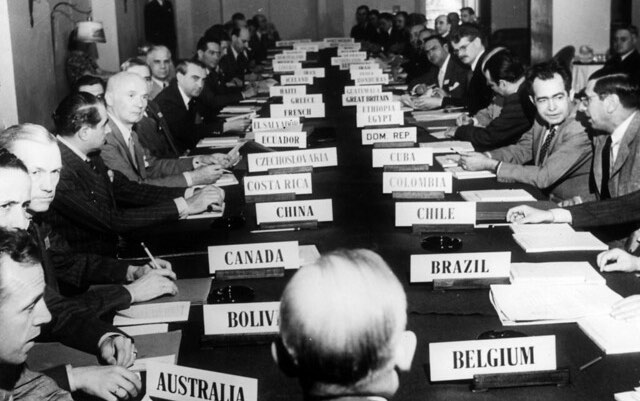
After 75 years, agriculture and nutrition meet again
The first UN Conference on Food and Agriculture, held in 1943, urged a focus on nutrition in the fight against hunger. Yet it took decades for the global community to take that message to heart, Jessica Fanzo and Derek Byerlee write.
-
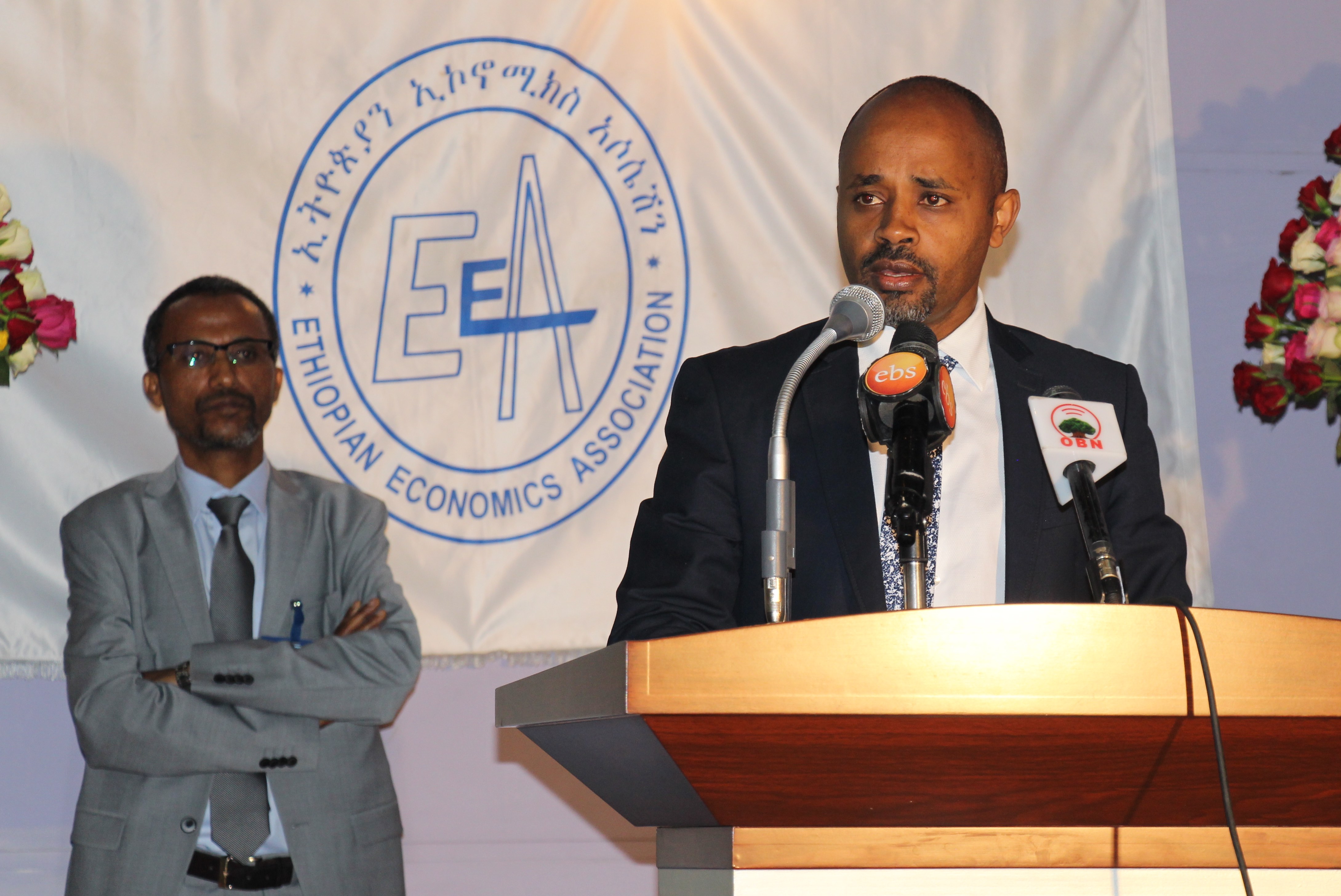
Conference: Confronting the challenges in transforming Ethiopia’s economy
At the 17th Conference of the Ethiopian Economics Association, discussions of how to fix an "ill economy" and mobilizing society for significant reforms.
-
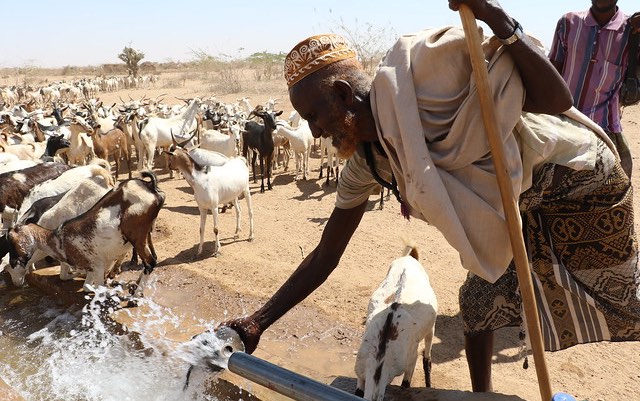
How we can protect the world’s most vulnerable countries against climate shocks
Research in Ethiopia shows that resilience measures can blunt the impact of drought and other climate-driven disasters.
-
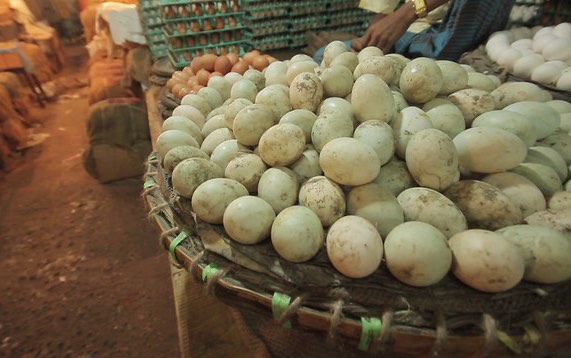
The high price of healthy food … and the low price of unhealthy food
Egg calories in Niger are 23.3 times as expensive as a calorie from rice or corn. In the U.S., egg calories are just 1.6 times as expensive as staple food calories.
-
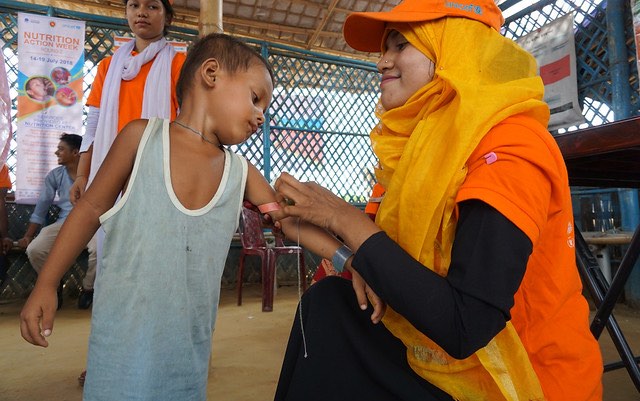
Policy seminar: Rohingyas displaced to Bangladesh face an uncertain future
What can be done to improve nutrition, health, and economic prospects for Rohingya in camps in Bangladesh? A discussion.
-
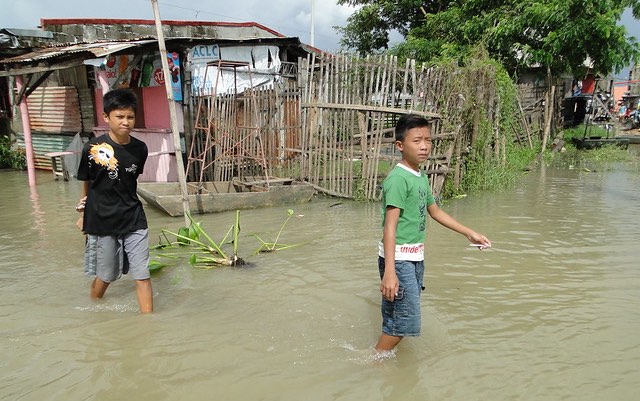
The intersection between climate change, food, and migration
Climate change is generating both food insecurity and political conflict, driving more and more people from their homes. What can be done?
-
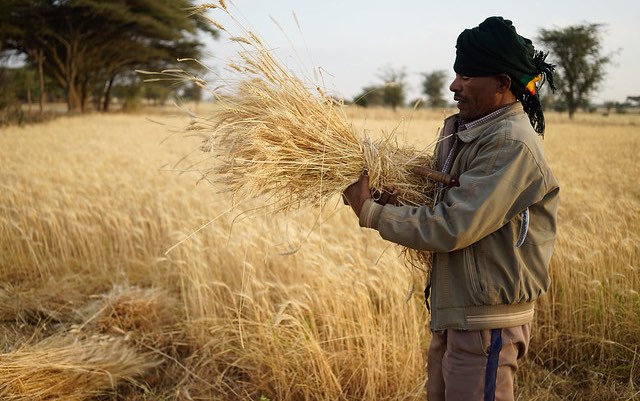
Effects of rising CO2 on protein, iron, and zinc availability in global diets
New research shows climate change will slow the growth in the global availability of key nutrients provided by important crops such as wheat, maize, and legumes.
-
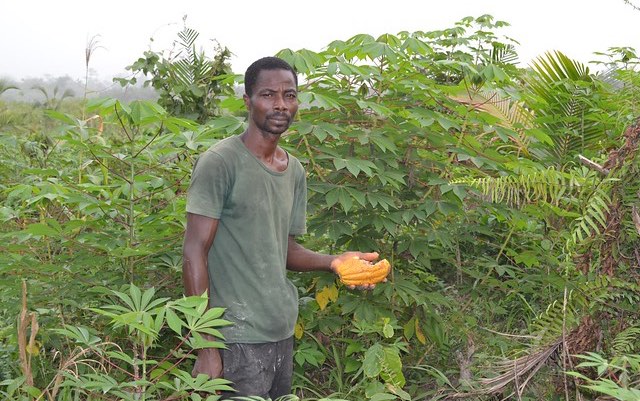
Ghana’s ten percent agricultural expenditure saga: Why reported government expense shares are less than meets the eye
A look inside how Ghana calculates its overall support for agriculture.
-

What’s the future of food subsidies in Egypt?
Lessons from experiences of food subsidy programs in Indonesia, the Philippines, and the United States for Egypt's Tamween system.
-
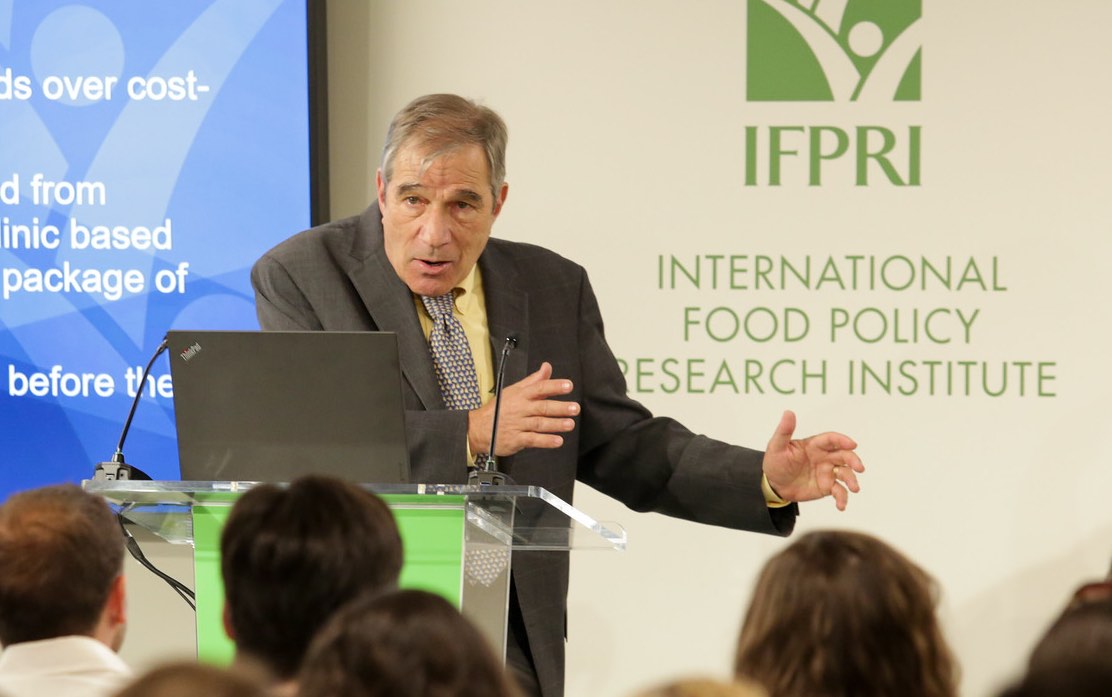
Forman Lecture: Harold Alderman on the pathways between childhood nutrition and economic growth
Why a development focus on early childhood nutrition is key—but should look beyond narrow goals such as eliminating stunting.
-
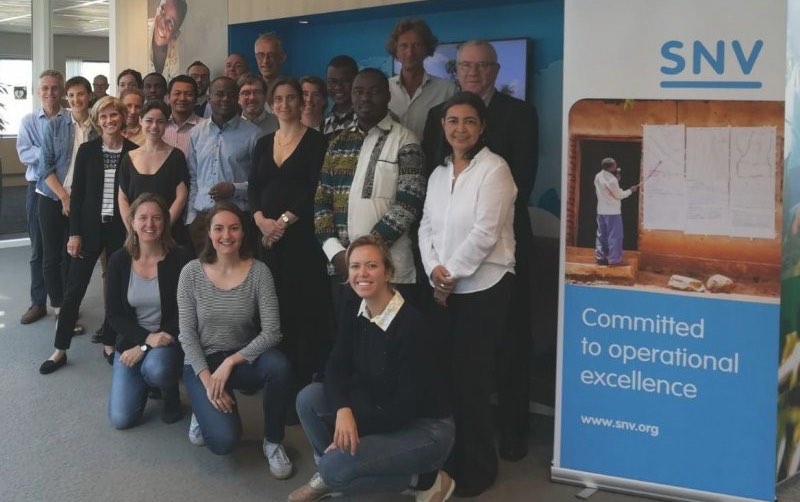
V4CP meeting: The power of hard evidence in impacting systems change
Lessons on collaborative research from an IFPRI-SNV partnership working in six countries.
-
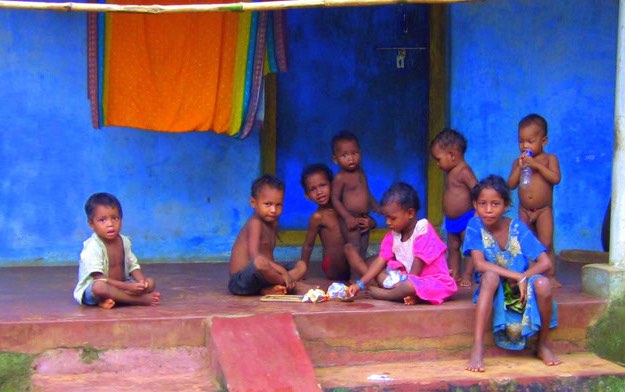
Biofortified staples may hold the key to India’s rural malnutrition
A study in Bihar and Odisha shows the promise of biofortification in targeting micronutrient deficiency.
-
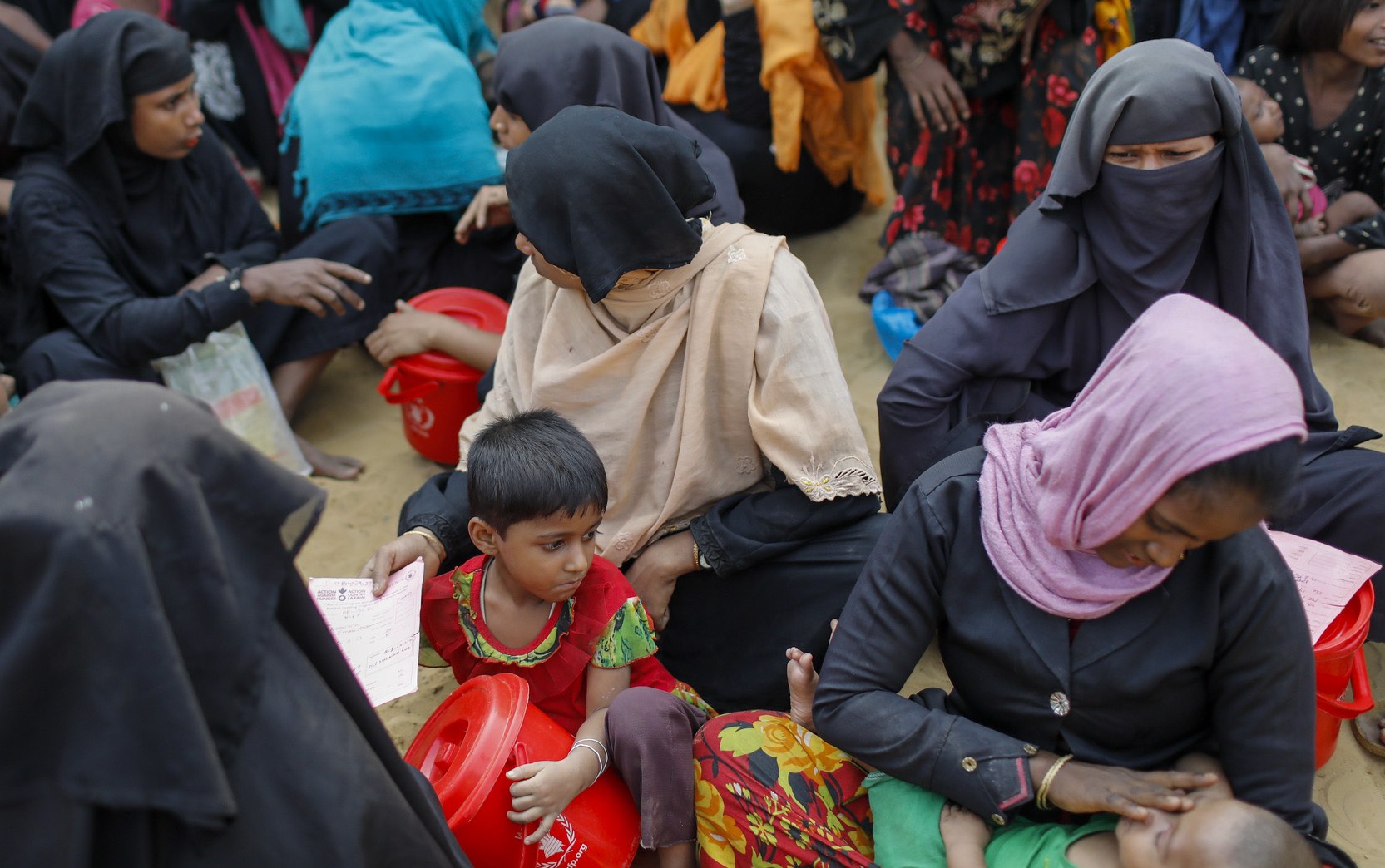
Rohingya in Bangladesh are surviving – but their long-term prospects are grim
Aid efforts have averted a potential humanitarian disaster. Needed now – a long-term solution.
-
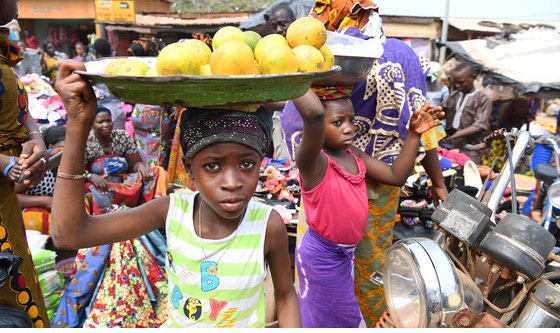
Conference: Challenges of eliminating child labor in agriculture and food chains
A cross-sectoral approach focusing on agriculture, rural development, and poverty reduction is needed to eliminate child labor by 2030.
-
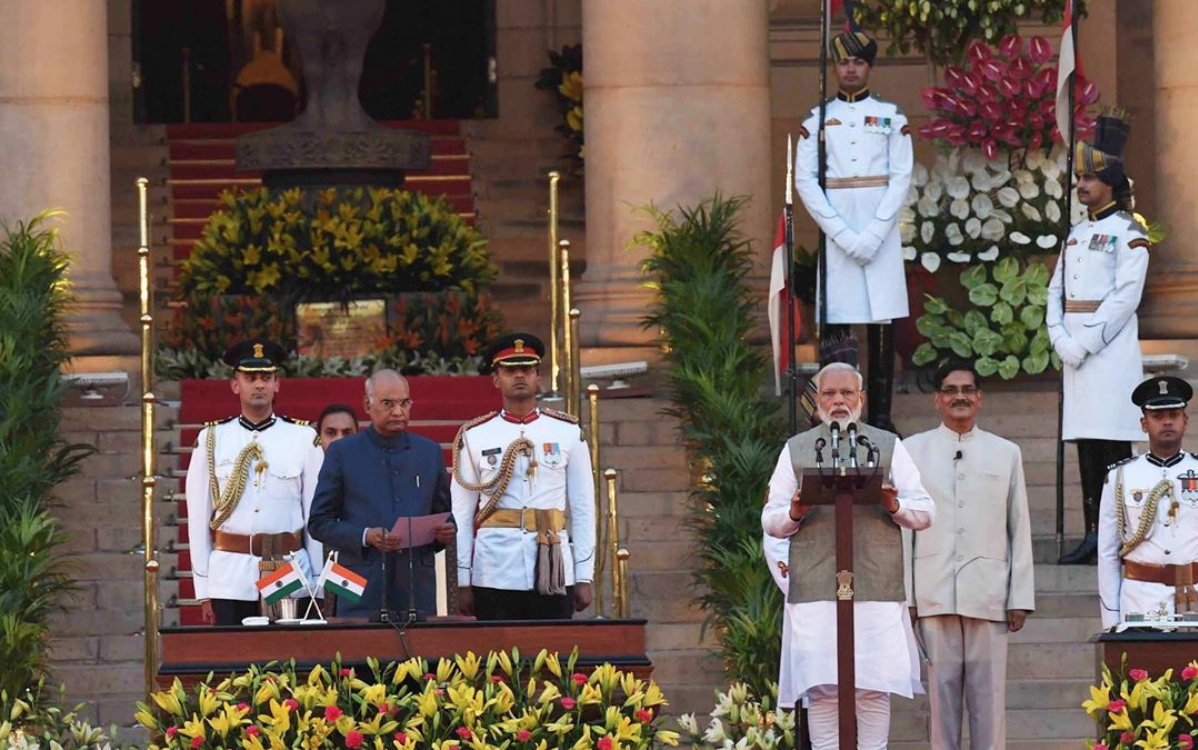
Don’t miss the BIMSTEC bus: Regional integration with South Asia-Southeast Asia bloc brings advantages for India
India's partnership with the Bay of Bengal Initiative for Multi-Sectoral Technical and Economic Cooperation (BIMSTEC) seems poised to bear fruit.
-
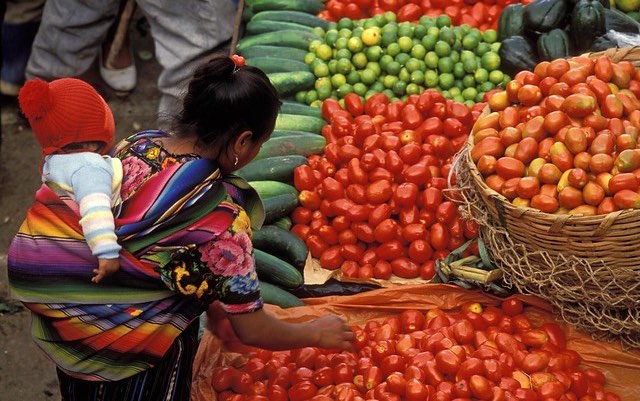
A weighty question: How fat are we? Why obesity estimates diverge
Country obesity estimates from two leading sources differ in many instances—and some of the discrepancies are large.
-
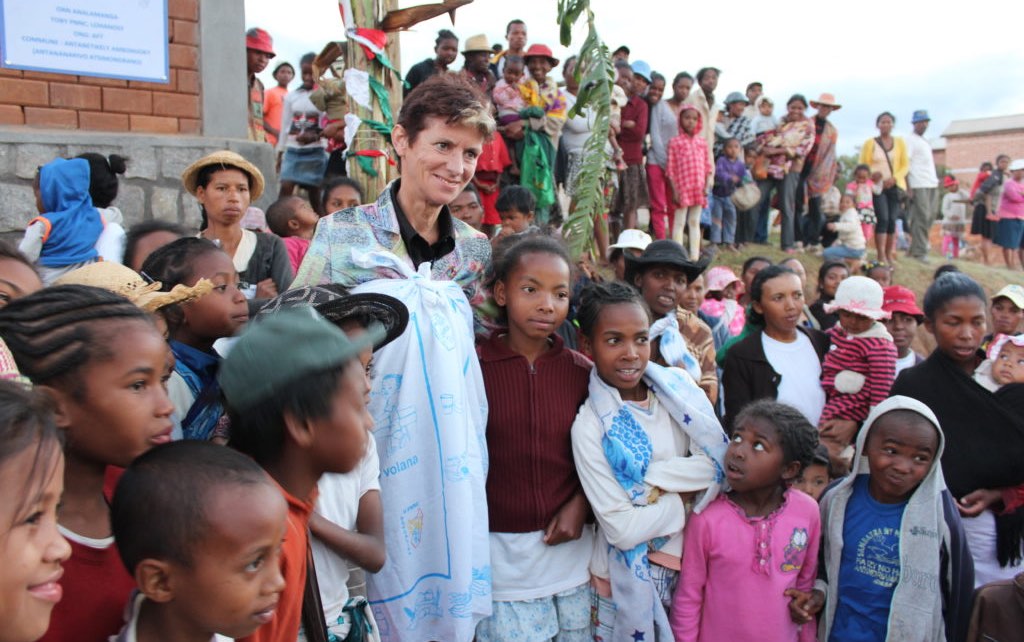
Why now is the moment to invest in nutrition to transform our food systems
The Coordinator of the Scaling Up Nutrition (SUN) Movement on reforming the way food is grown, delivered, and consumed for global well-being.
-
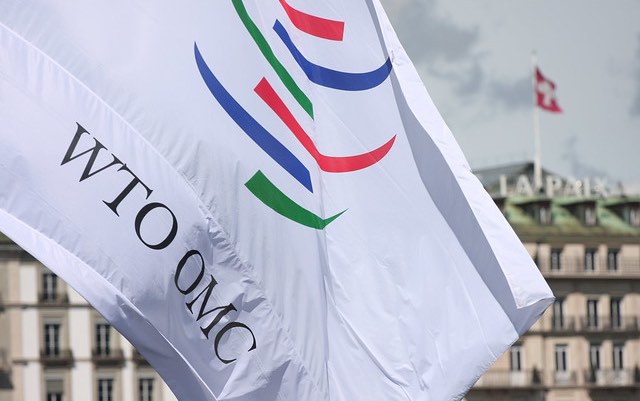
The WTO Dispute Settlement procedure is on the verge of crisis
The WTO's Appellate Body should have seven members. It may soon be down to one.
-
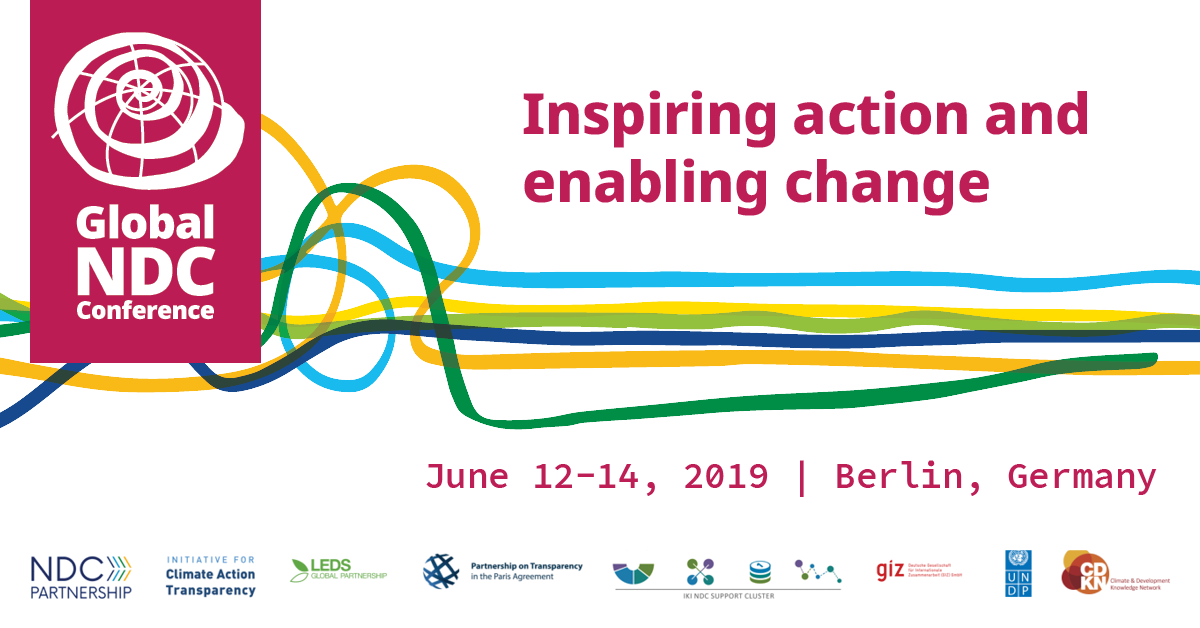
Countries make progress on carbon reduction pledges, but much work remains to be done
At the 2019 Global NDC Conference in Berlin, agriculture moves into the spotlight as a focus for reducing carbon emissions.
-
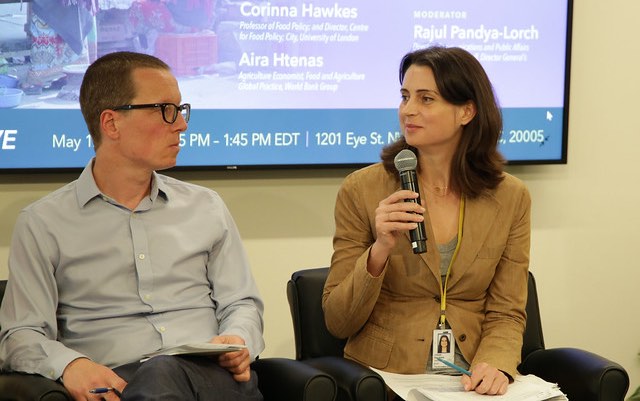
Special event: New IFPRI research program explores emerging problems of urban food systems
The poor in growing urban areas face a double burden of both undernutrition and overnutrition. A new IFPRI research program aims to better understand and address this predicament.
-
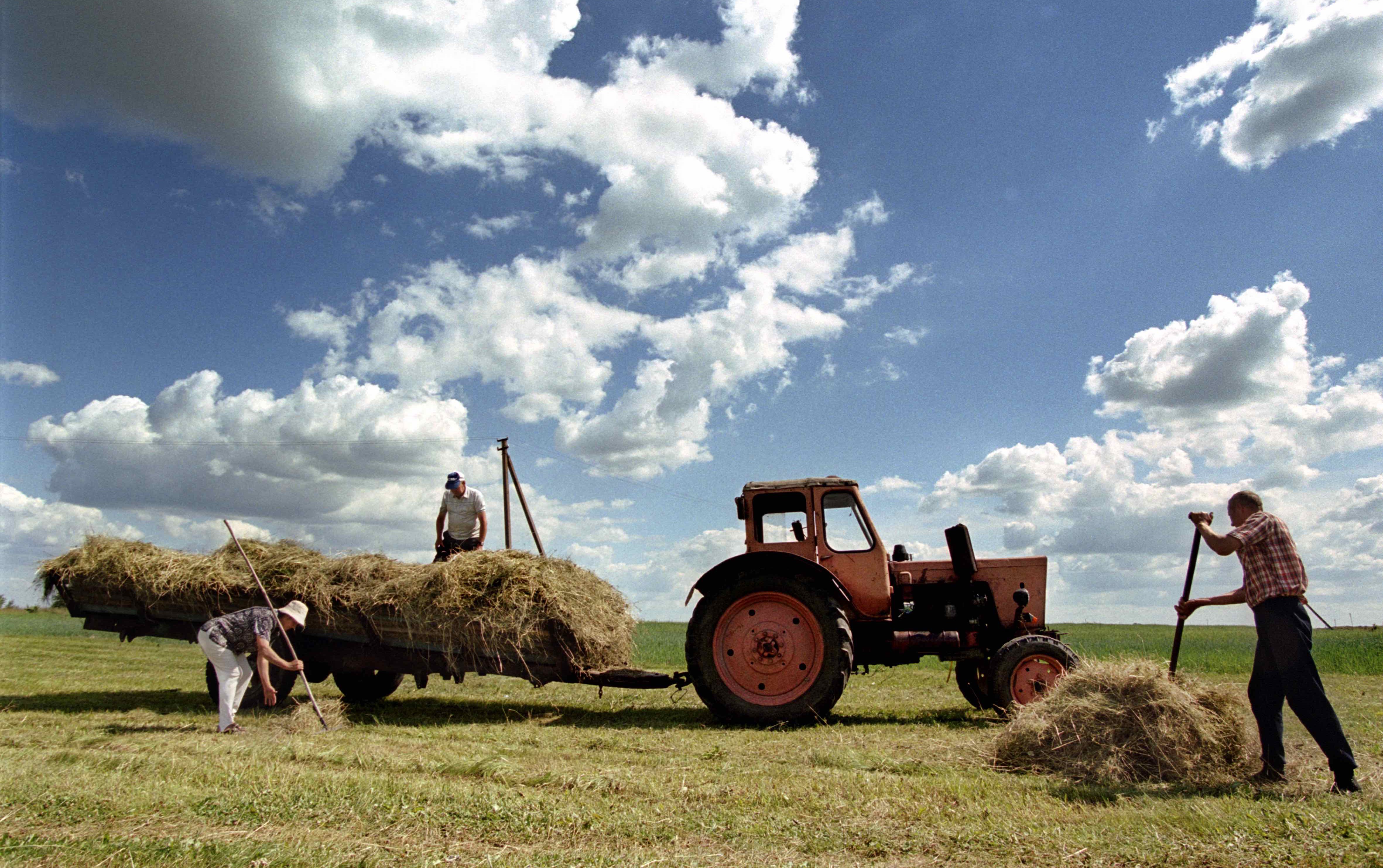
What developing countries can learn from Europe’s experience with rural revitalization
EU rural policies balance growth and development, environmental protection, and bottom-up approaches.
-
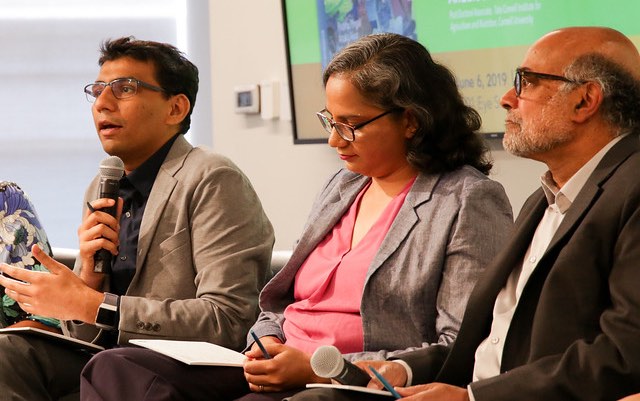
Book launch: Transforming food systems for a rising India
From climate change to urbanization, India faces significant challenges to achieving food security. A new book lays out a path forward.
-
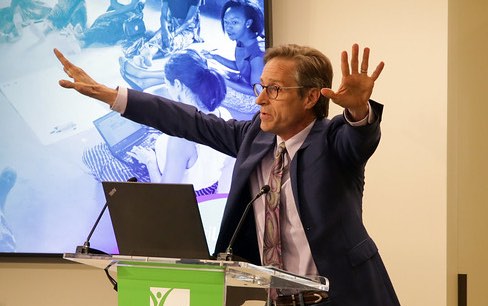
Policy seminar: Lessons from IFPRI country programs on shaping policy decisions
How IFPRI's presence in developing countries helps to integrate evidence and research into food policy – a discussion.
-
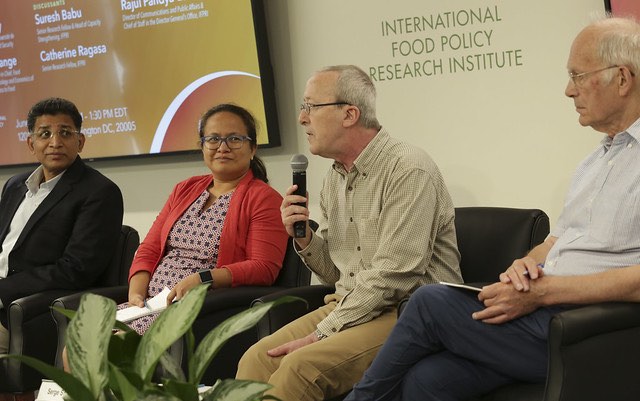
Special event: At 10, Food Security journal builds on multidisciplinary research
Food security is about more than just producing food – a discussion.
-
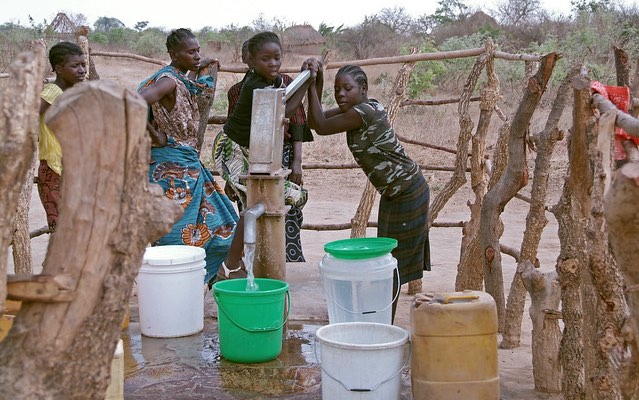
Food security depends on water security – and we need to act now
There is not enough water—as currently managed—to sustain the world’s population and end hunger and malnutrition. Some key pathways to change.
-
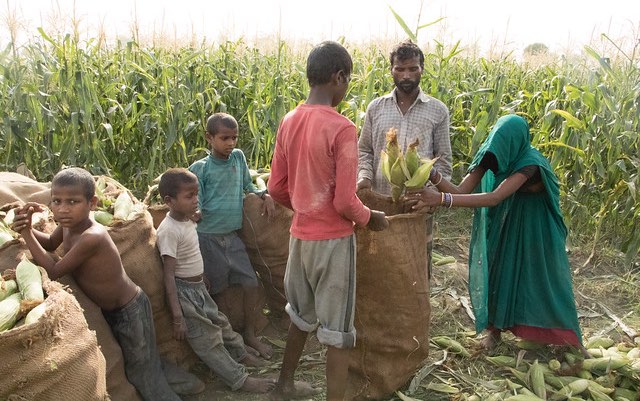
Measuring and reducing food loss in developing countries
IFPRI research outlines the scale and the causes of the major global problem of food loss and waste.
-
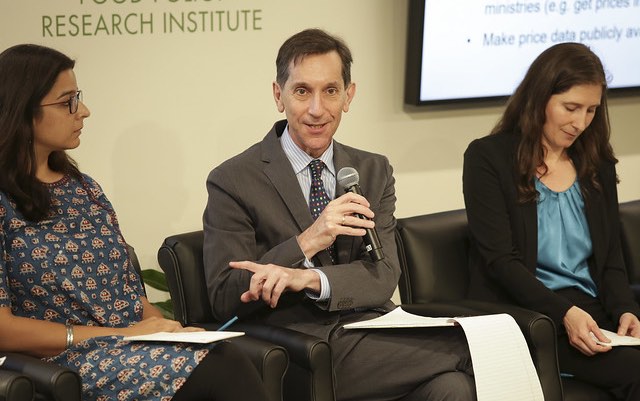
Policy seminar: The true cost of eating right – are nutritious diets becoming more accessible?
A Tufts-IFPRI project is analyzing the links between shifting food prices, rising incomes, and nutrition.
-
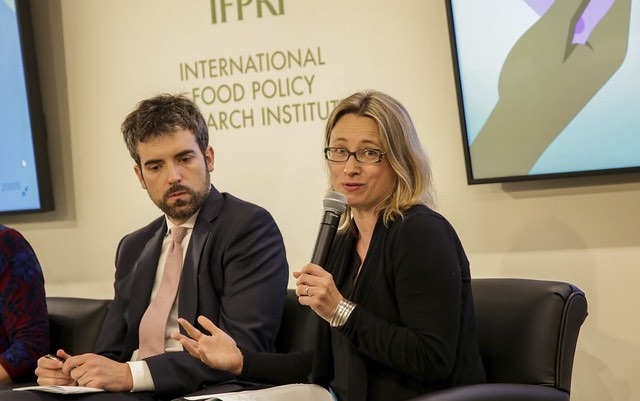
Policy seminar: Building resilience through financial inclusion
Insurance and other forms of financial support can help poor families build resilience to economic and climate shocks—but we need to know more.
-
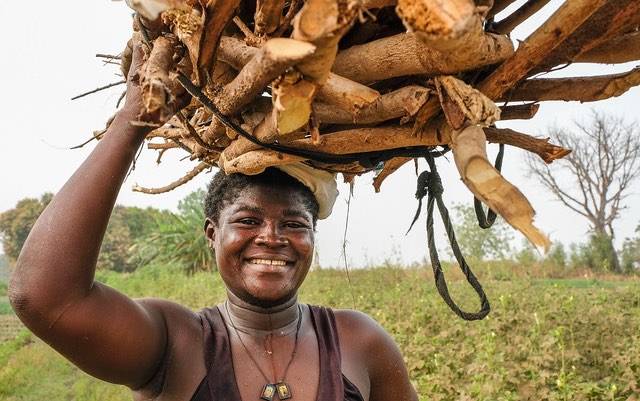
Employment, diversifying rural livelihoods, and youth: Lessons for Ghana from the 2019 Global Food Policy Report
A look at the potential of Ghana's rural policies and programs to foster rural revitalization?
-
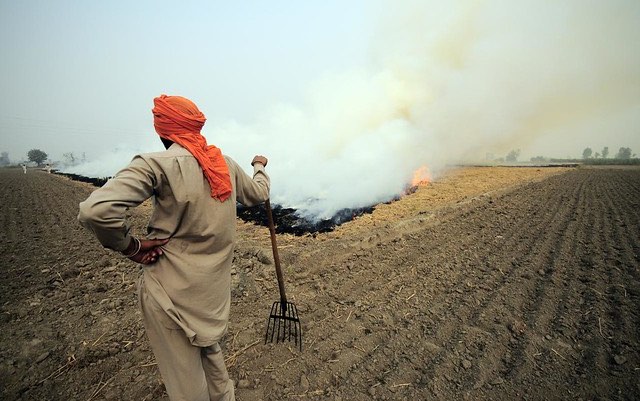
World Environment Day: The need for strong institutions and policies to restore and protect planetary health
Some practical suggestions for preserving the environment—and with it, public health and well-being—by strengthening sustainable agricultural and food system practices.
-
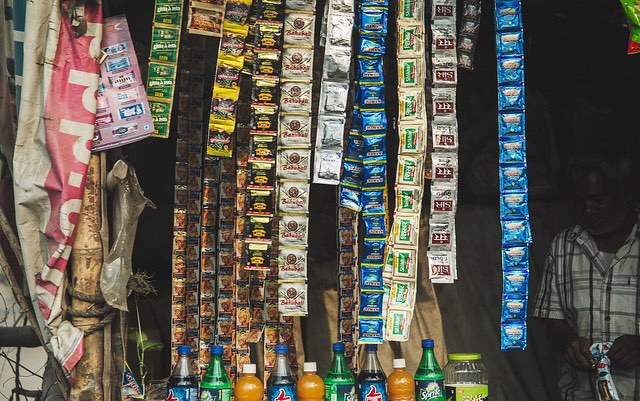
Principles, practice, and the private sector’s role in malnutrition: Time to review red lines?
How should government agencies and development and nutrition professionals engage with businesses?
-
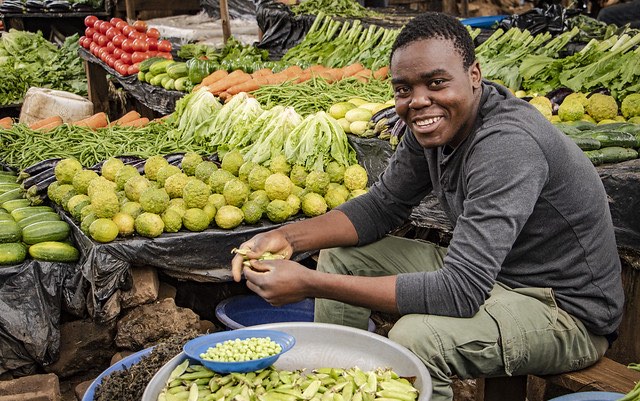
To transform the global food system and feed the world sustainably, start at the local level
Recent global reports stress the urgency of transforming food systems in the face of climate change, urbanization, and other challenges—but how, practically, can we begin to do that?
-
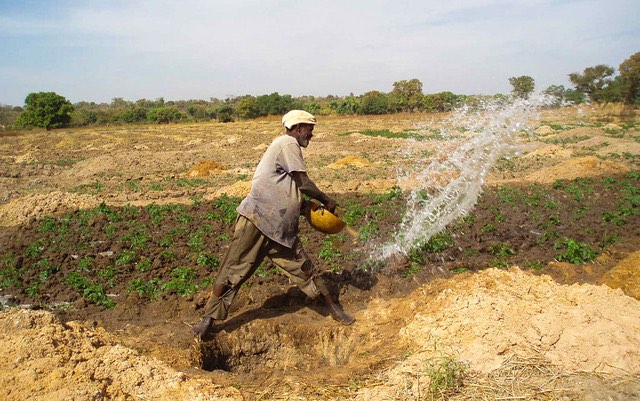
T20: Investments in irrigation and food system links can prevent food crises in Africa south of the Sahara
The G20 think tank platform outlines a path for transforming Africa's food systems and building long-term food security.
-

G20 agriculture ministers agree to cooperate on promoting digital technologies for more efficient food systems
The promise of farming tech, building better food value chains, and reducing food loss and waste dominate the agriculture ministers' agenda.
-
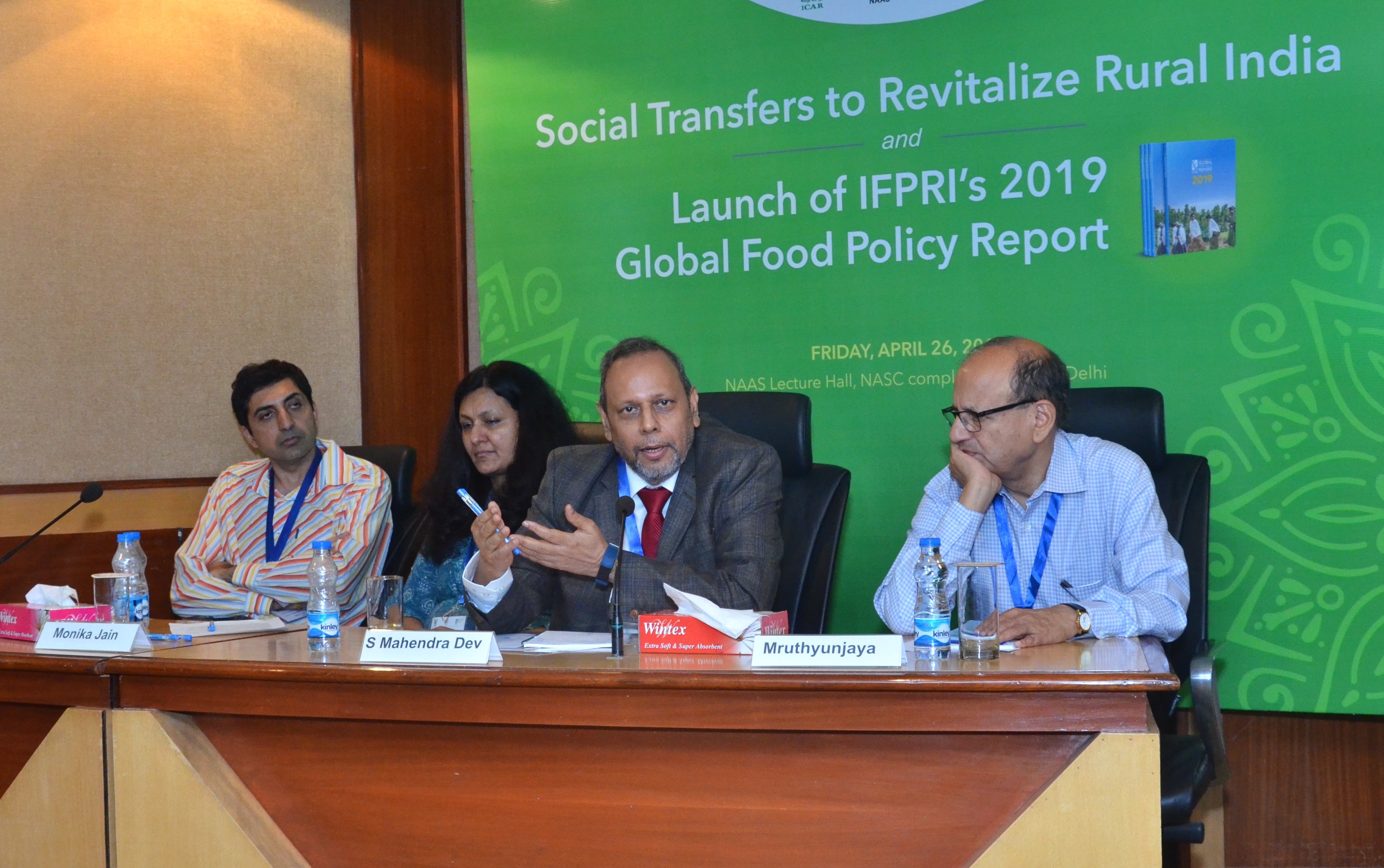
2019 Global Food Policy Report New Delhi launch: Emerging issues for India’s rural development
India's rural areas face challenges including climate change and the fallout from rapid urbanization that will require creative, sustained responses – a discussion.
-
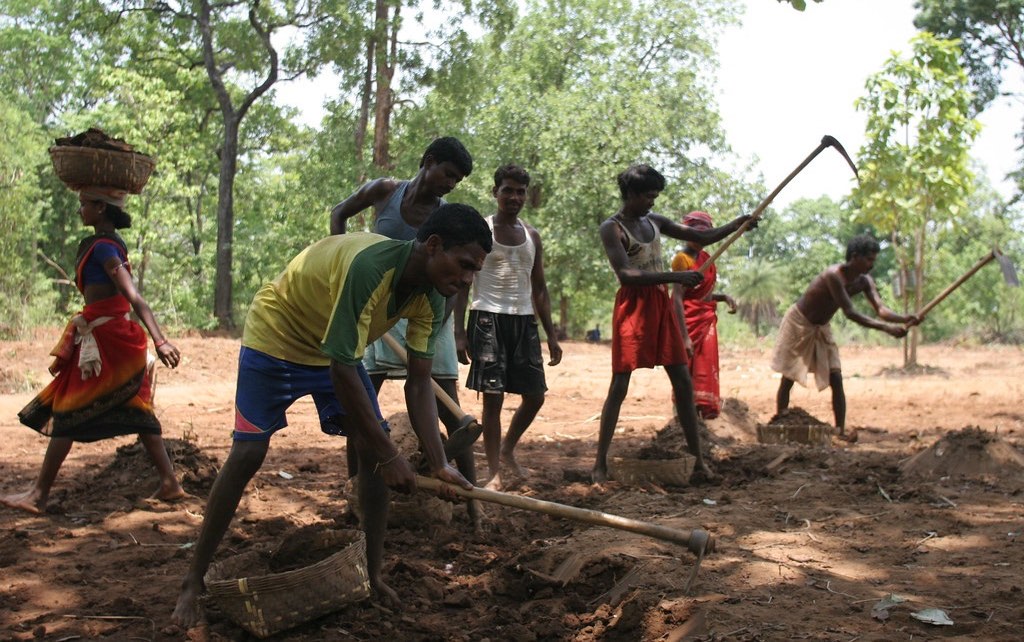
Study: India’s National Rural Employment Guarantee Scheme has positive impact on participants’ welfare
A new study analyzes the effects of one of the largest public works programs in the world.
-
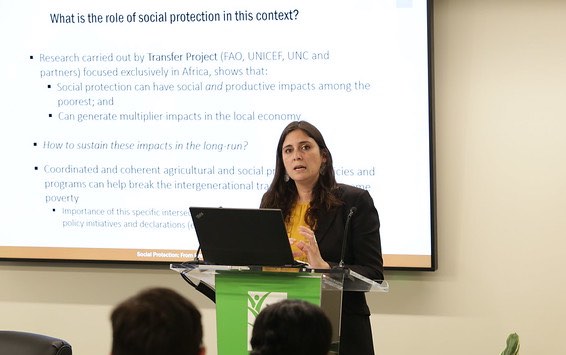
Policy seminar: Exploring the benefits of social protection in Africa
Social protection programs have proven key to alleviating poverty in Africa – what are the next steps?
-
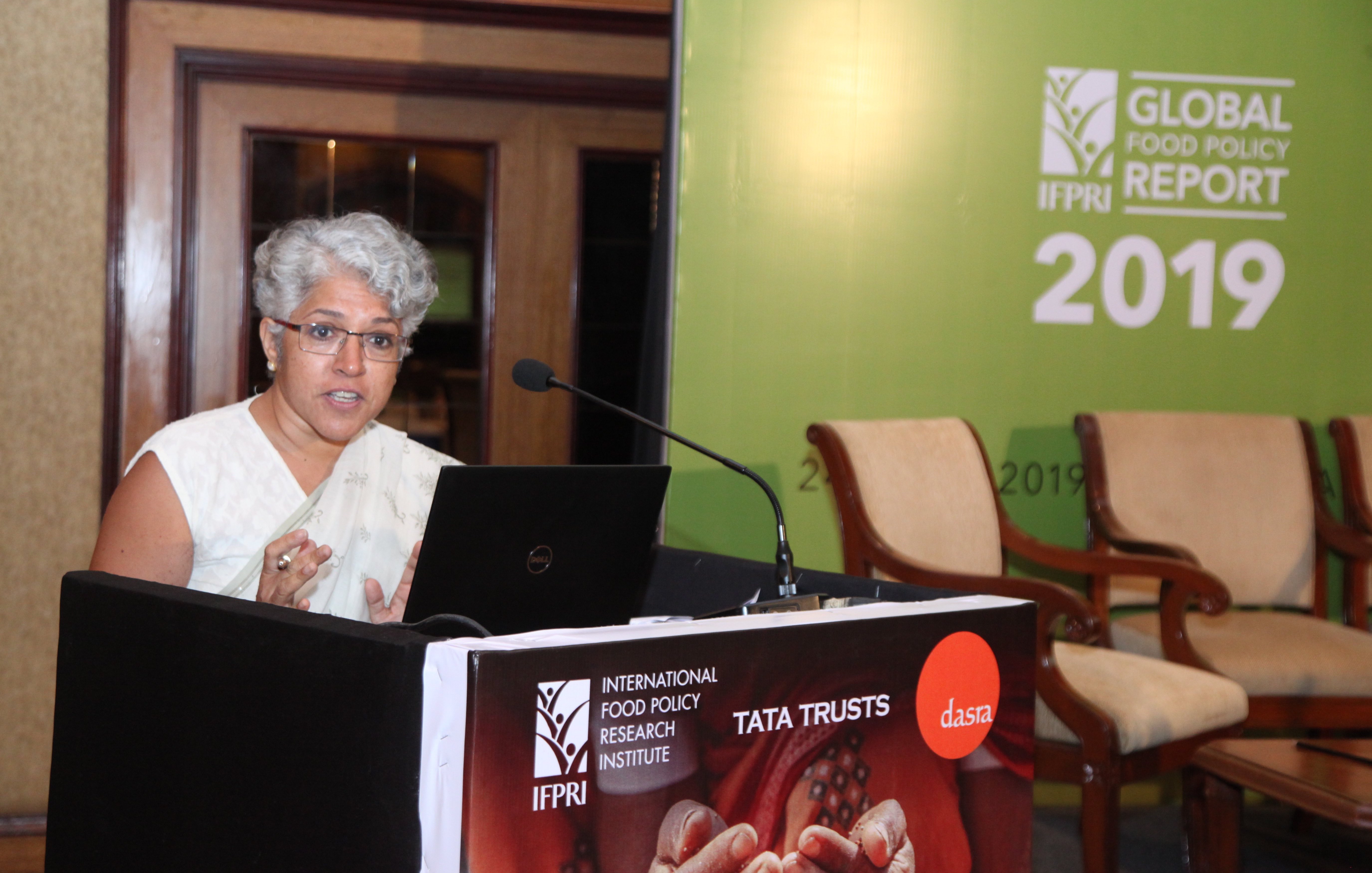
2019 Global Food Policy Report Mumbai launch: Building partnerships to spur rural revitalization
Revitalizing rural India depends on joint efforts between government agencies, NGOs, local groups, and other stakeholders – a discussion.
-
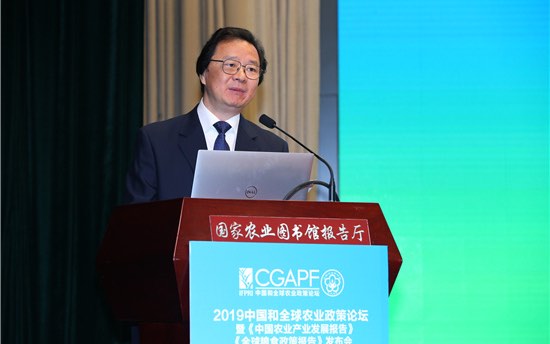
2019 Global Food Policy Report Beijing launch: Charting China’s progress on rural revitalization
As China pursues an ambitious rural development policy, reports from IFPRI and the Chinese Academy of Agricultural Sciences outline strategies for agriculture, economic growth, and improving living standards.
-
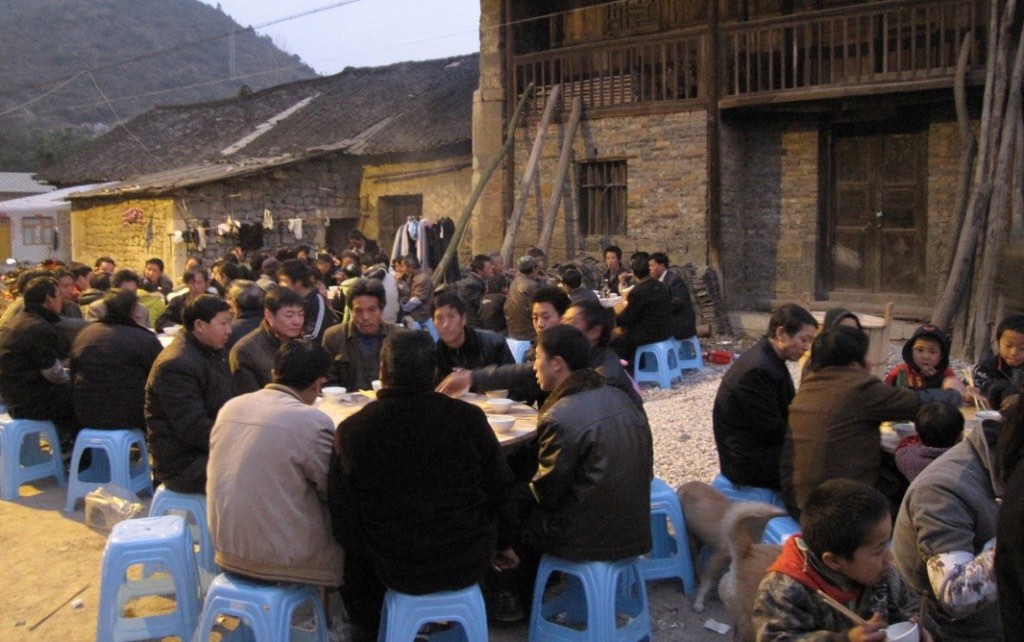
In rural China, gift-giving is an increasingly costly competition
Research shows that a "keeping up with the Joneses" syndrome has set in with gifts in Chinese villages, with negative impacts for household spending and overall well-being.
-
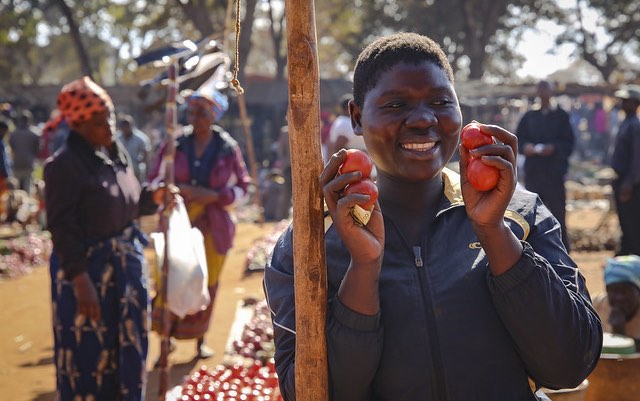
Evidence from Malawi: Why agricultural and nutrition education programs should engage both women and men in households
Research shows that education programs would benefit by taking a more nuanced view of gender roles.
-
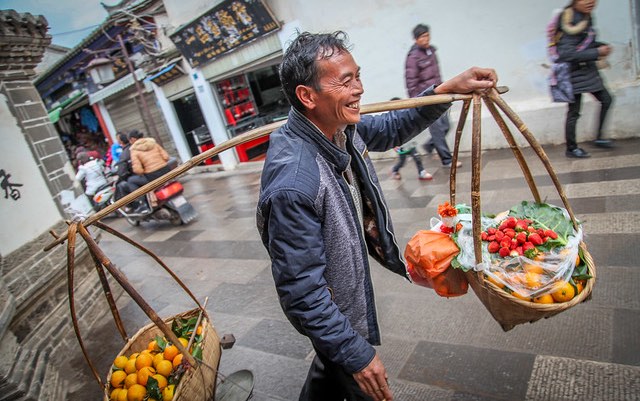
How to transform food systems to feed the world and prevent mass extinctions
By addressing the whole system through which we grow, buy, and eat our food, we can achieve multiple wins to maintain biodiversity for planetary and human health.
-
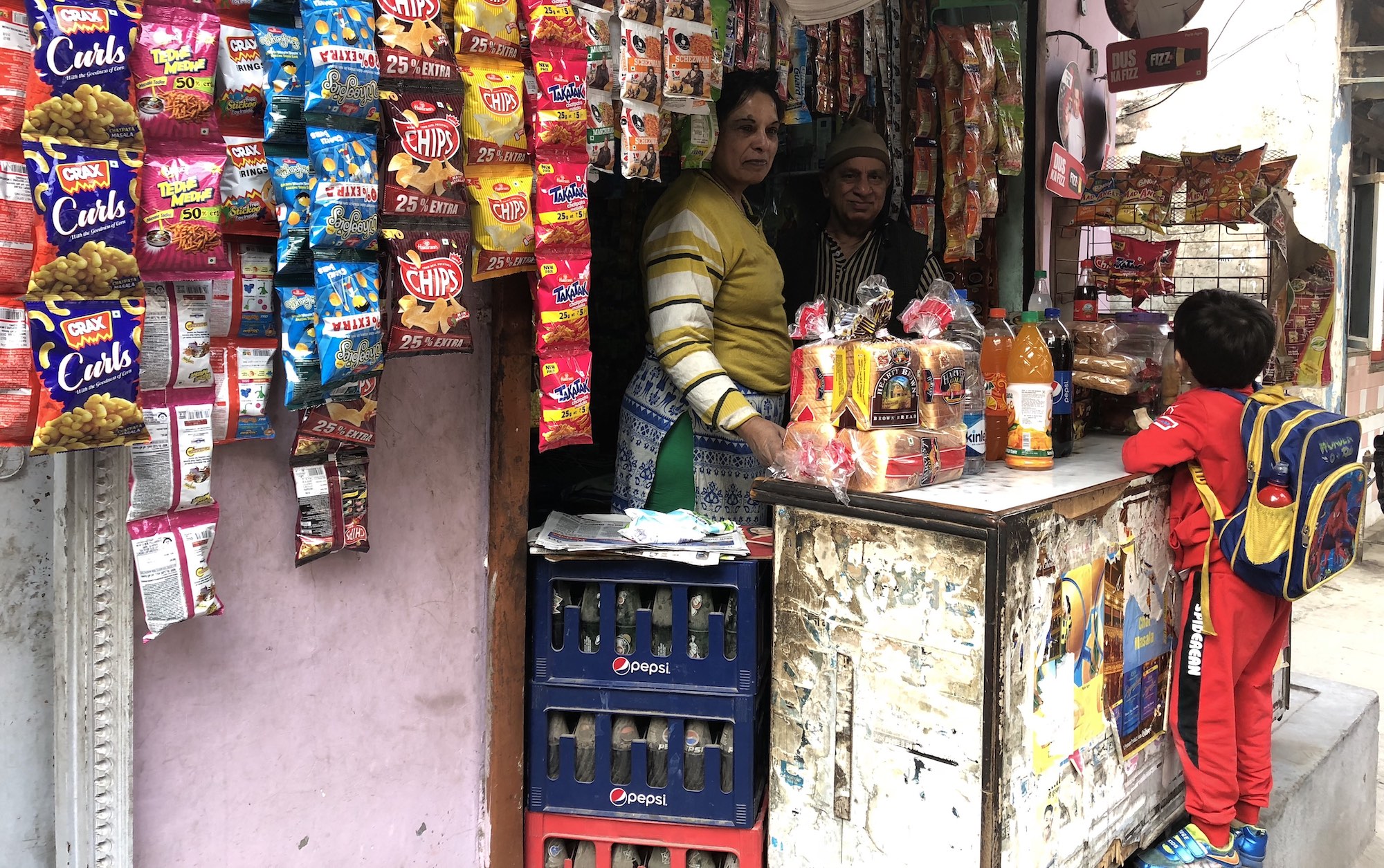
The human face of urban food systems
A new IFPRI research program—Urban Food Systems for Better Diets, Nutrition, and Health—will fill critical knowledge and evidence gaps about food systems and the urban poor.
-
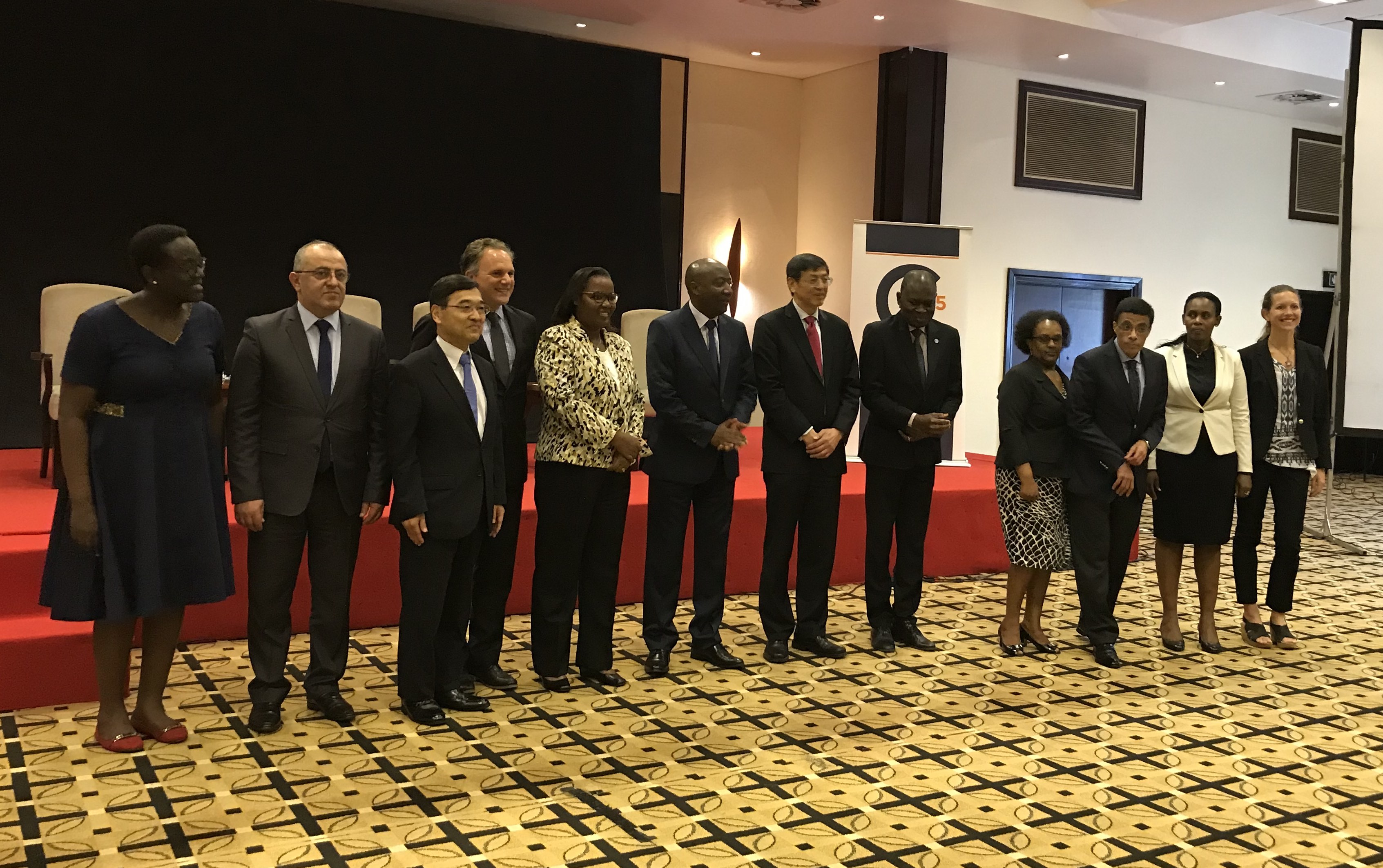
2019 Global Food Policy Report Rwanda launch: Pushing forward on rural development
How Rwanda is charting a path on rural revitalization – a discussion.
-
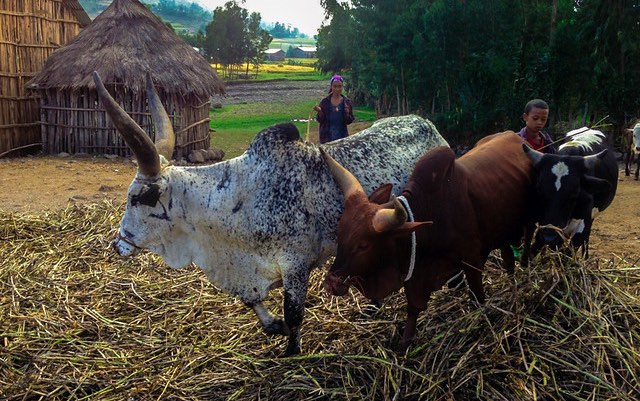
2019 Global Food Policy Report Ethiopia Launch: Achieving rural Africa’s inclusive transformation
Ethiopia's rural areas are at risk. Revitalizing them, and rural regions across Africa, requires a sustained strategic effort.
-

2019 Global Food Policy Report Bhutan launch: Charting paths to rural revitalization
Bhutan's focus on promoting happiness provides lessons for rural development.
-
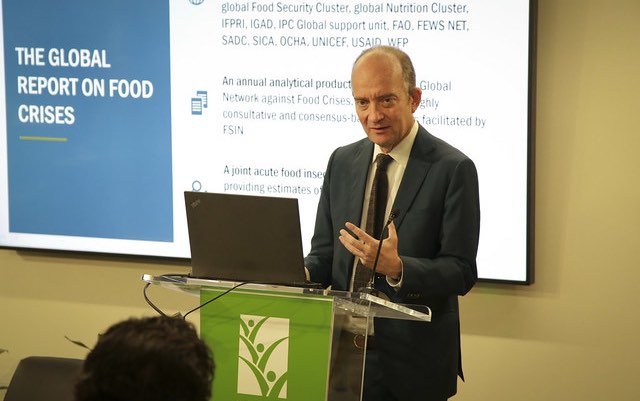
Global Report on Food Crises 2019
A new report explores the drivers of acute global hunger levels, which have surpassed 100 million for the past three years.
-
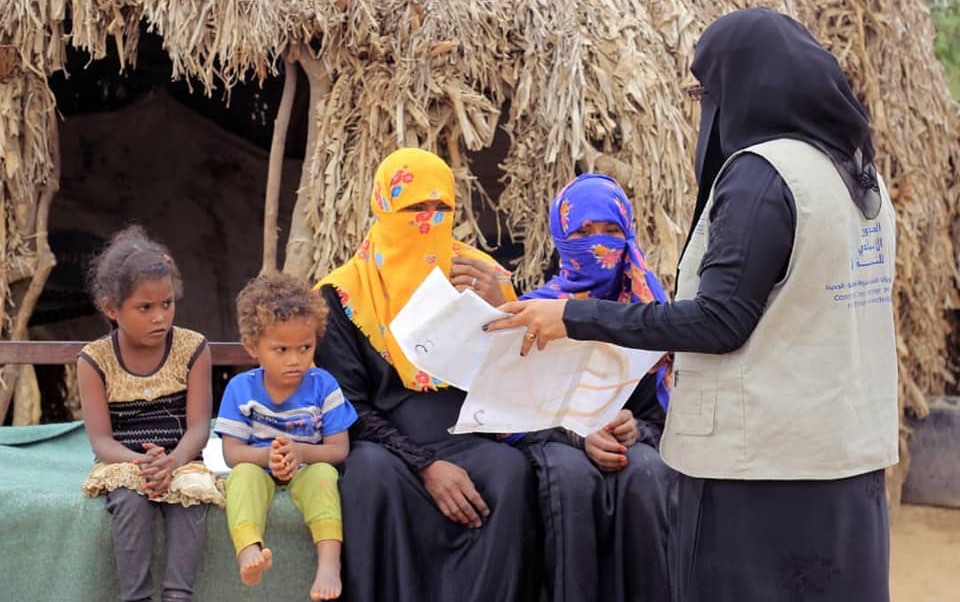
Cash transfers can help Yemen’s conflict-affected children
Two recent studies provide evidence that cash transfers can reduce conflict-driven malnutrition in Yemen.
-
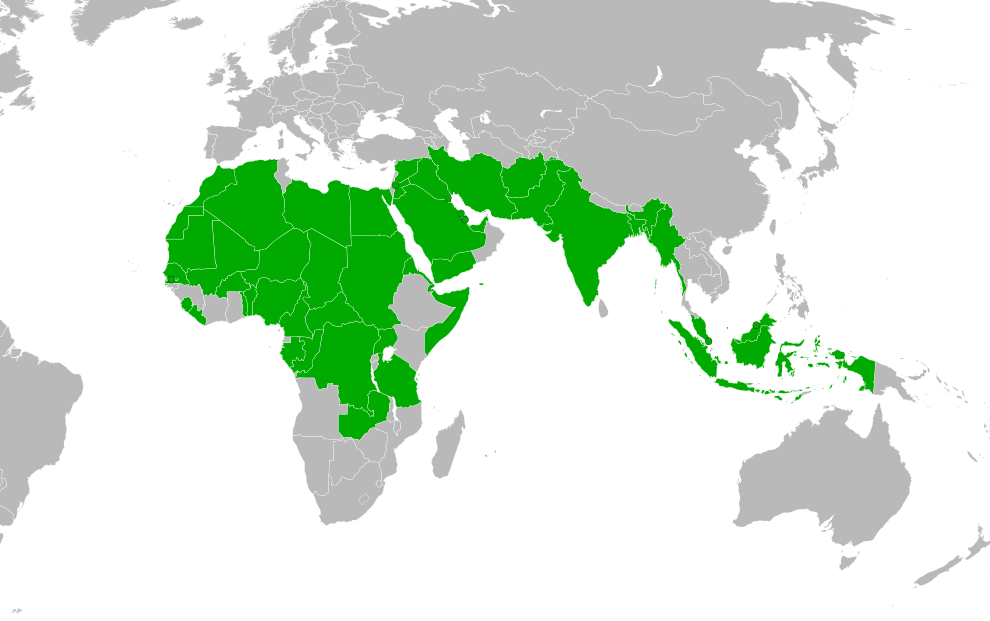
Giving and taking between husband, wives, and co-wives
A new study focusing on Nigeria shows that polygyny (the practice having more than one wife) presents development challenges, as economic cooperation is lower among polygynous spouses than monogamous ones.
-
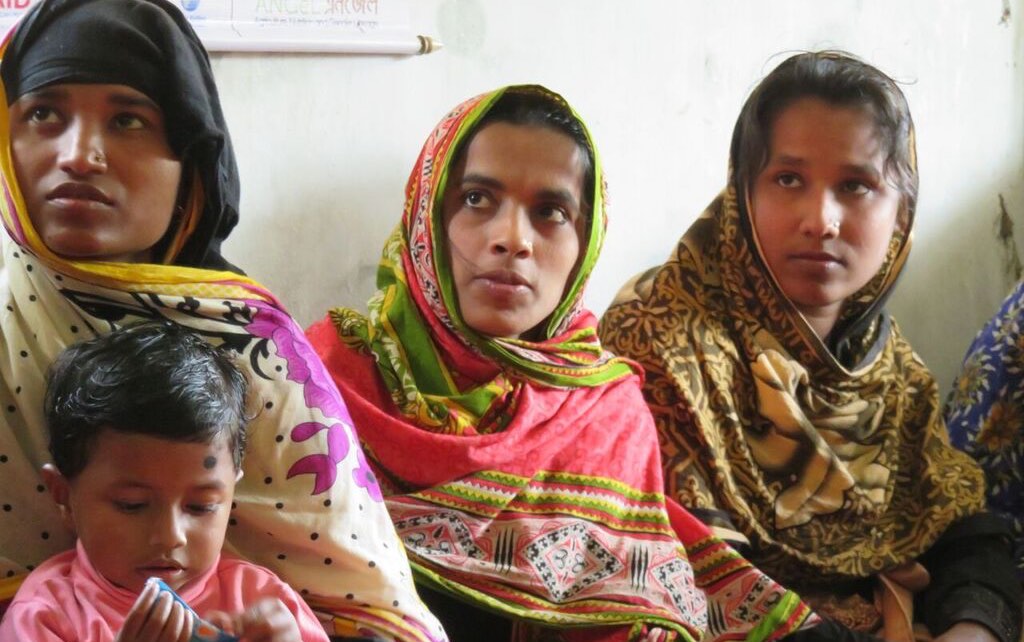
Is empowering women in agricultural development projects worth the investment? Yes, when done right.
A growing body of evidence shows that women's empowerment programs have substantive development impacts that go beyond the goal of gender equality for its own sake.
-
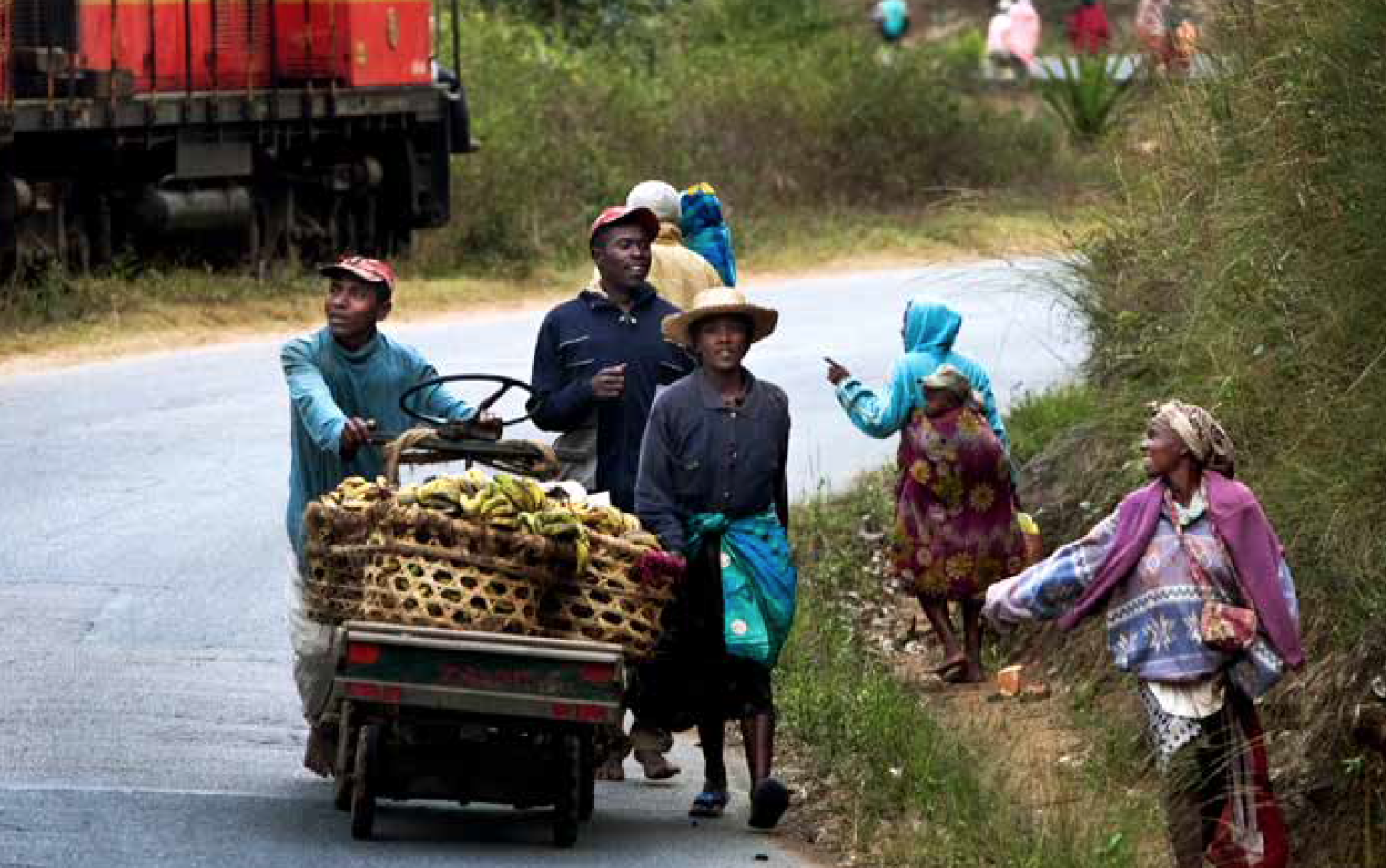
International Workers’ Day: Building urban linkages to strengthen African rural employment
The combination of strong economic growth and urbanization in Africa threatens to leave rural areas behind. What should be done.
-
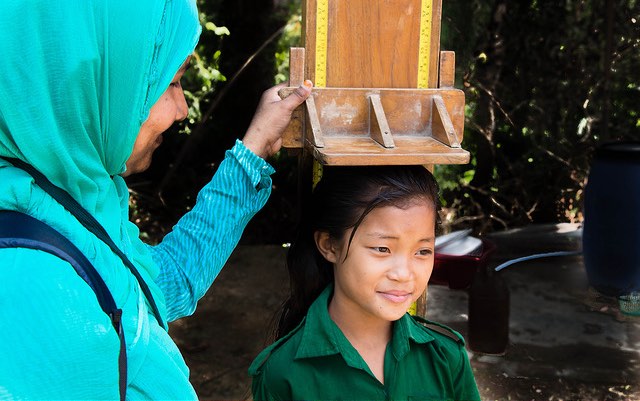
Ending undernutrition requires a different focus on stunting
The widespread focus on stunting has generated unprecedented interest in and support for nutrition goals, but misunderstandings about when it is the right outcome to address may be creating too narrow a focus that harms the global nutrition agenda.
-
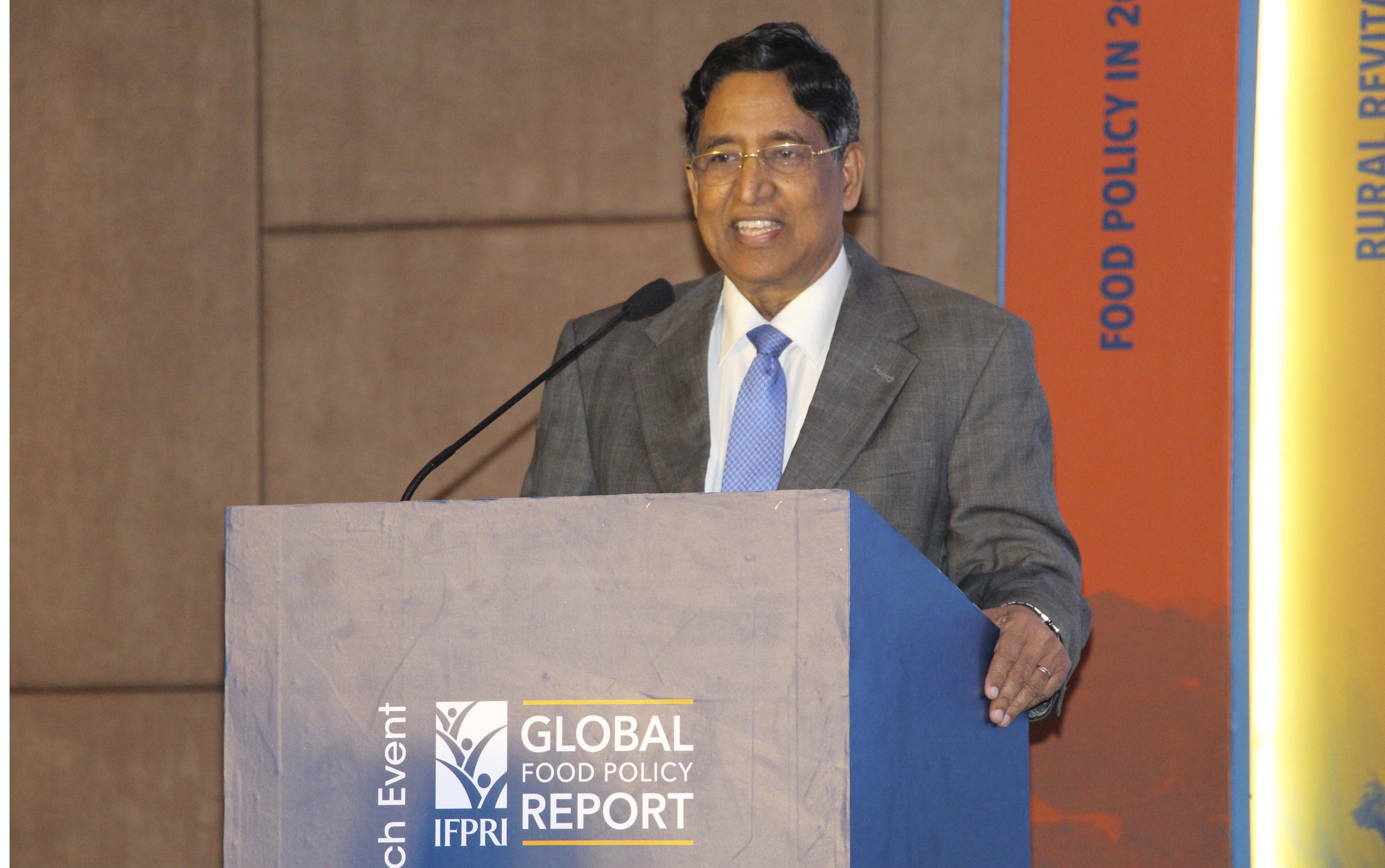
2019 Global Food Policy Report Dhaka launch: Lessons from Bangladesh on rural revitalization
Bangladesh's ongoing economic transformation offers a model for countries looking to combat poverty, hunger, and other persistent problems in the world's rural areas.
-
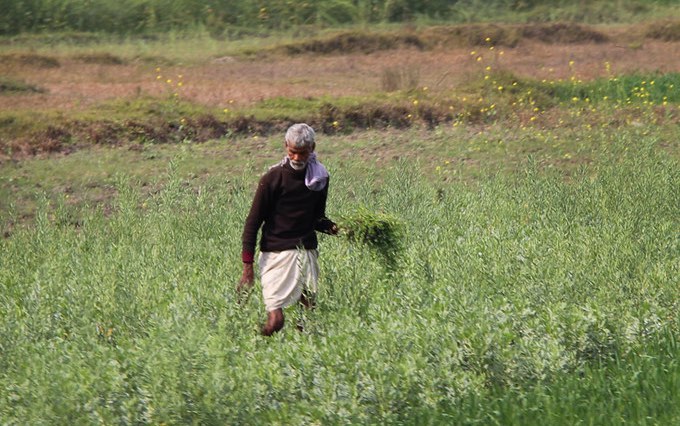
Direct benefit transfers can help double Indian farmers’ income by 2022-2023
The Modi government's new PM-KISAN benefit program is a substantive and positive departure from past support policies for small farmers.
-

IFPRI/A4NH at the Purdue Global Hunger Colloquium: Policy innovation is key to accelerating progress
IFPRI researchers offer an agenda for agricultural reform and better nutrition—globally and in Africa.
-
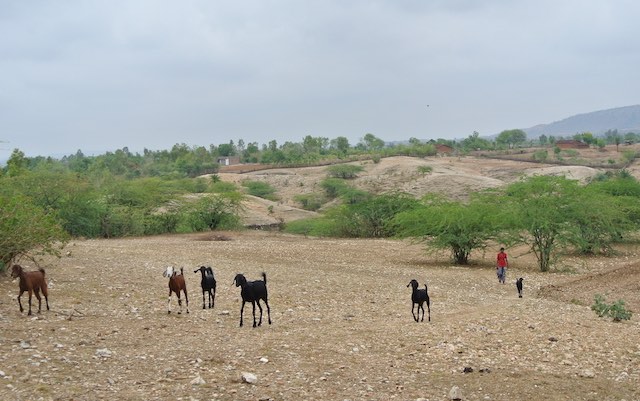
Earth Day 2019: Building common ground on sustainable governance of commons
Responsible management of shared resources—communal forests, grazing lands, wetlands, and bodies of water—is crucial to protecting the earth and creating a “safe and just operating space for humanity.”
-
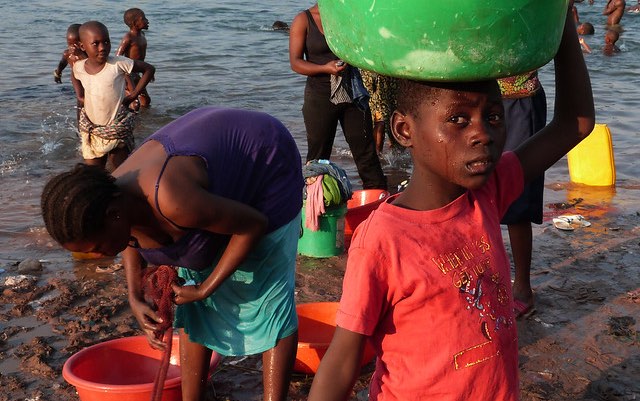
Who benefited from the Congo’s peace dividend?
New research suggests the Democratic Republic of the Congo missed an important opportunity to combat its devastating poverty.
-
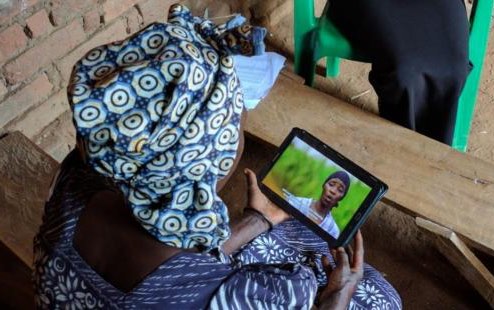
The research-practitioner divide: Why we are still optimistic
The Developing Local Extension Capacity (DLEC) program and its annual Global Community of Practice gathering show the promise of combining research with on-the-ground applications.
-
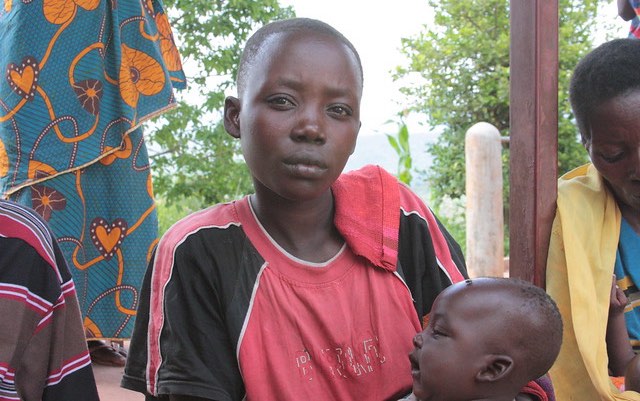
Are we reducing hunger in the world?
The authors of Chapter 3 of IFPRI's 2019 Global Food Policy Report on the urgent need for better data on poverty, hunger, and malnutrition.
-
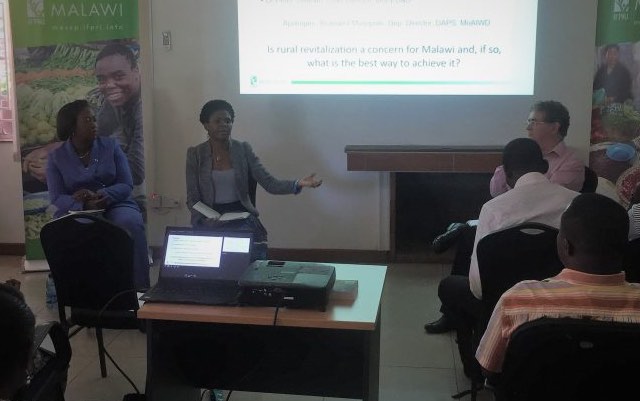
2019 Global Food Policy Report Malawi launch: Reforming agriculture for rural revitalization
With high rates of poverty and malnutrition, Malawi's rural areas require a comprehensive development effort. The GFPR offers some potential strategies.
-
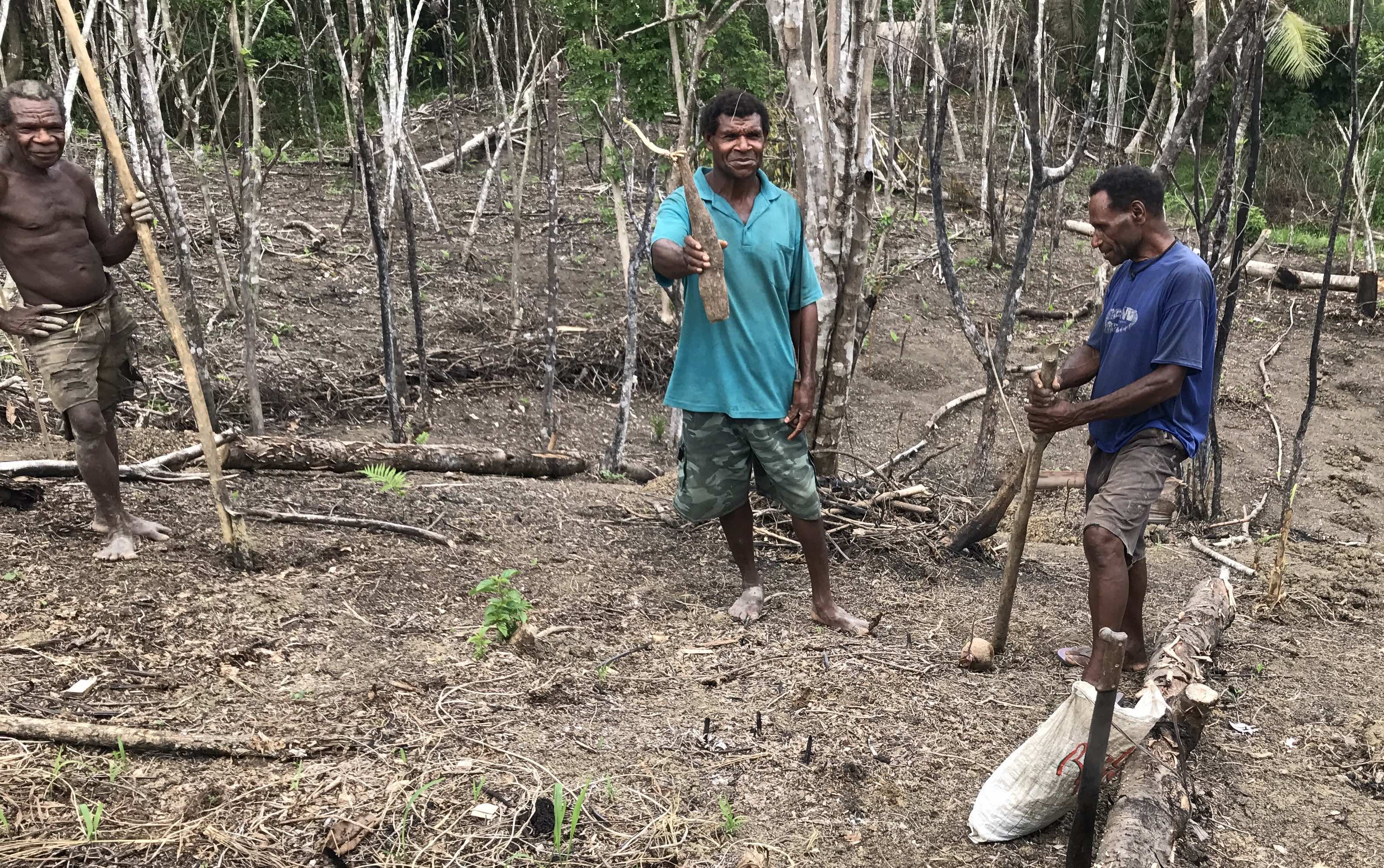
New data offers insights into rural poverty and undernutrition in Papua New Guinea
A lack of data has hampered PNG's efforts rein in hunger and malnutrition.
-

Policy seminar: Who will feed India?
Agricultural reforms will be necessary to satisfy the appetite of India's growing, urbanizing population.
-

Reducing intimate partner violence through cash transfers: The next research frontier
Evidence shows cash transfers help to reduce intimate partner violence. A recent UN Women forum explored what comes next—including how to scale up existing programs.
-
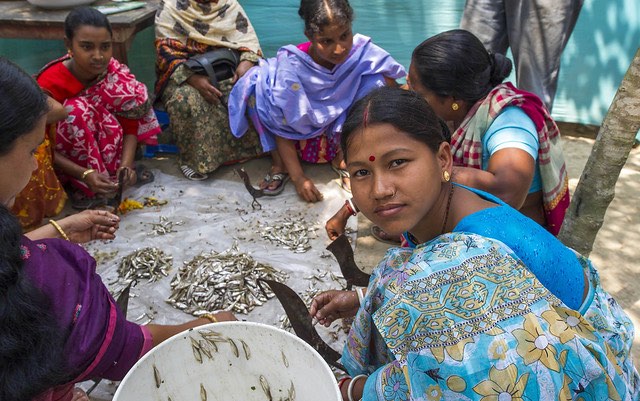
How countries around the world are leveraging agriculture to improve nutrition
Ethiopia, China, Bangladesh and other countries have reoriented their agriculture systems to promote better nutrition, yielding promising results.
-
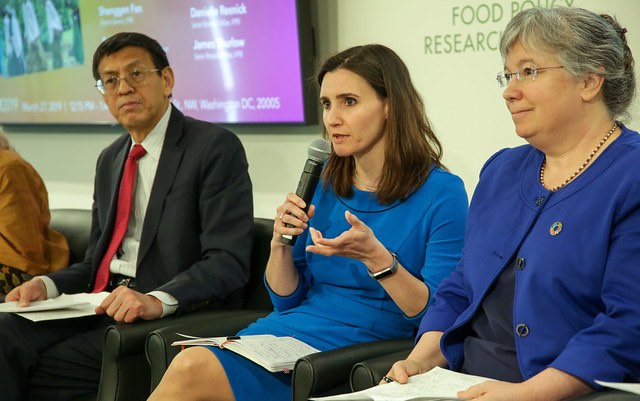
2019 Global Food Policy Report launch: Rural revitalization is key to ending hunger, improving livelihoods worldwide
IFPRI's flagship publication maps a comprehensive strategy to transform the world's impoverished rural areas.
-
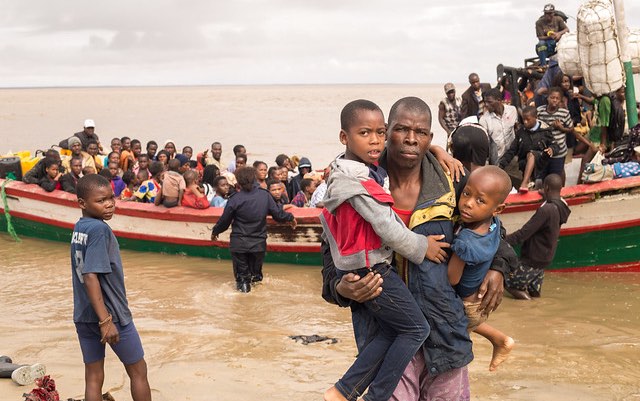
Cyclone Idai shows why long-term disaster resilience is so crucial
Poor people in Mozambique and in regions such as southern Africa are the most vulnerable to rising risks of climate-driven disasters. Building resilience can help reduce the threat.
-
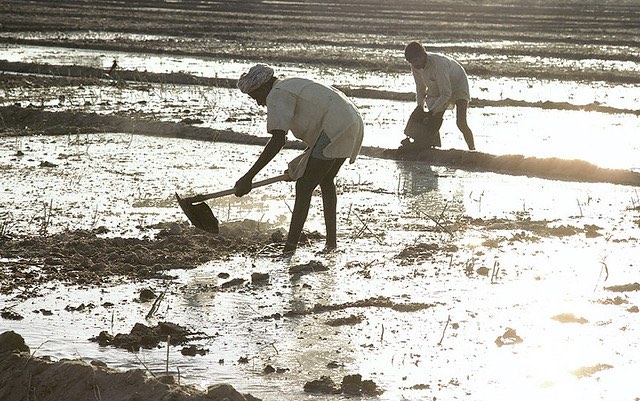
Why India needs a land leasing framework
Ensuring food and nutrition security and tackling the looming threat of climate change make land reforms necessary.
-
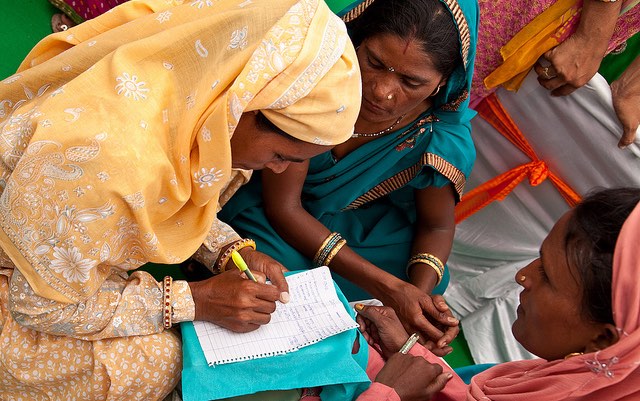
Cash transfers and intimate partner violence
Three case studies show that cash transfers’ effects on IPV depend on context and program design
-
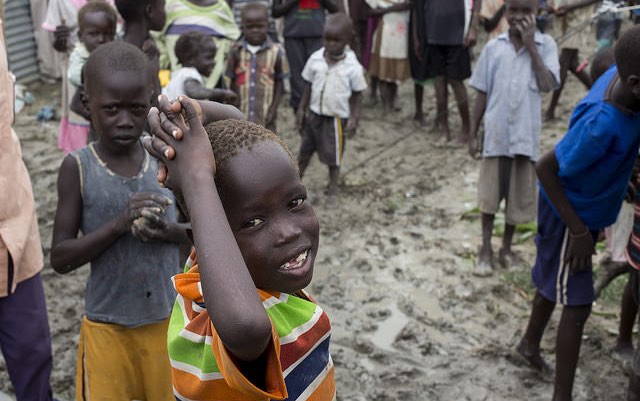
Global Report on Food Crises: 113 million people in 53 countries experienced acute hunger in 2018
Severe food insecurity persists in many countries, demanding investment in both immediate and long-term solutions.
-
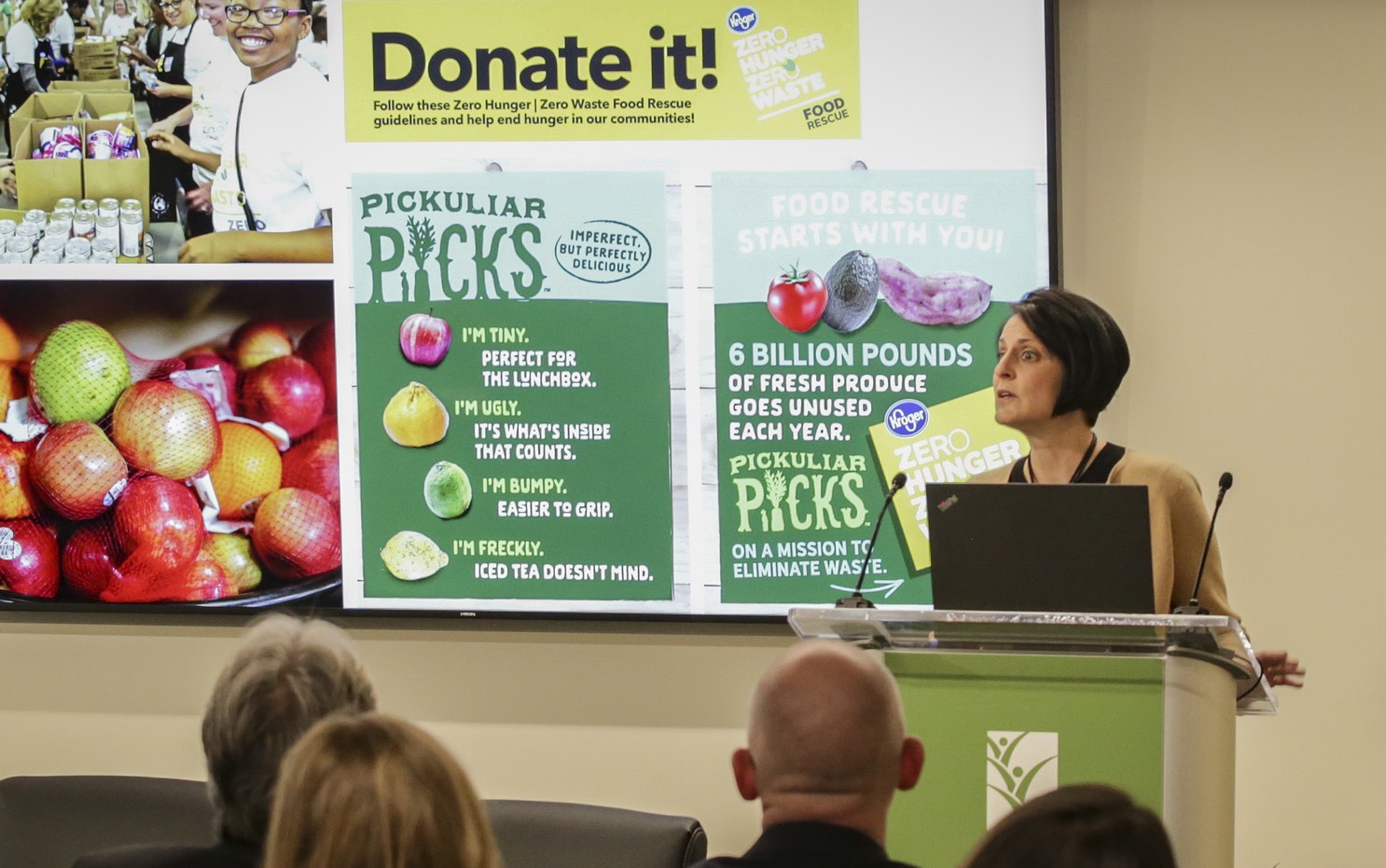
Exploring creative new approaches to combat food loss and waste
The world wastes 1.3 billion tons of food each year. Innovative solutions targeting agriculture, food chains, and consumers can make a difference.
-
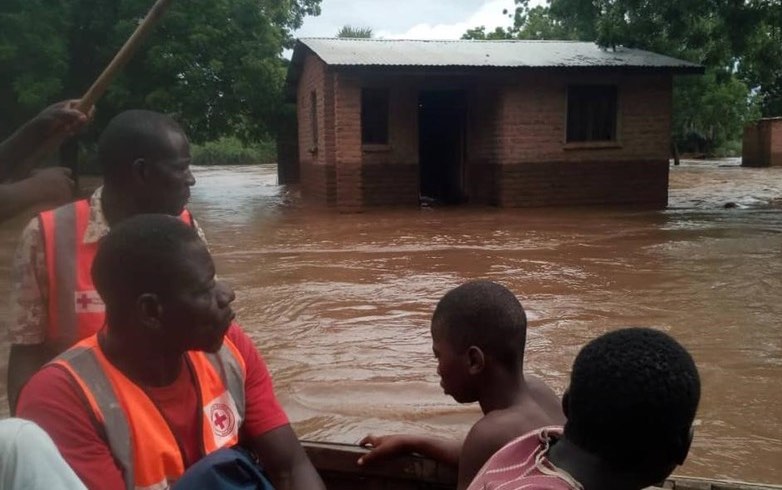
Cyclone Idai, flooding, and food security in Malawi
Rains and flooding will harm upcoming harvests, but it appears Malawi can avoid food grain shortages.
-
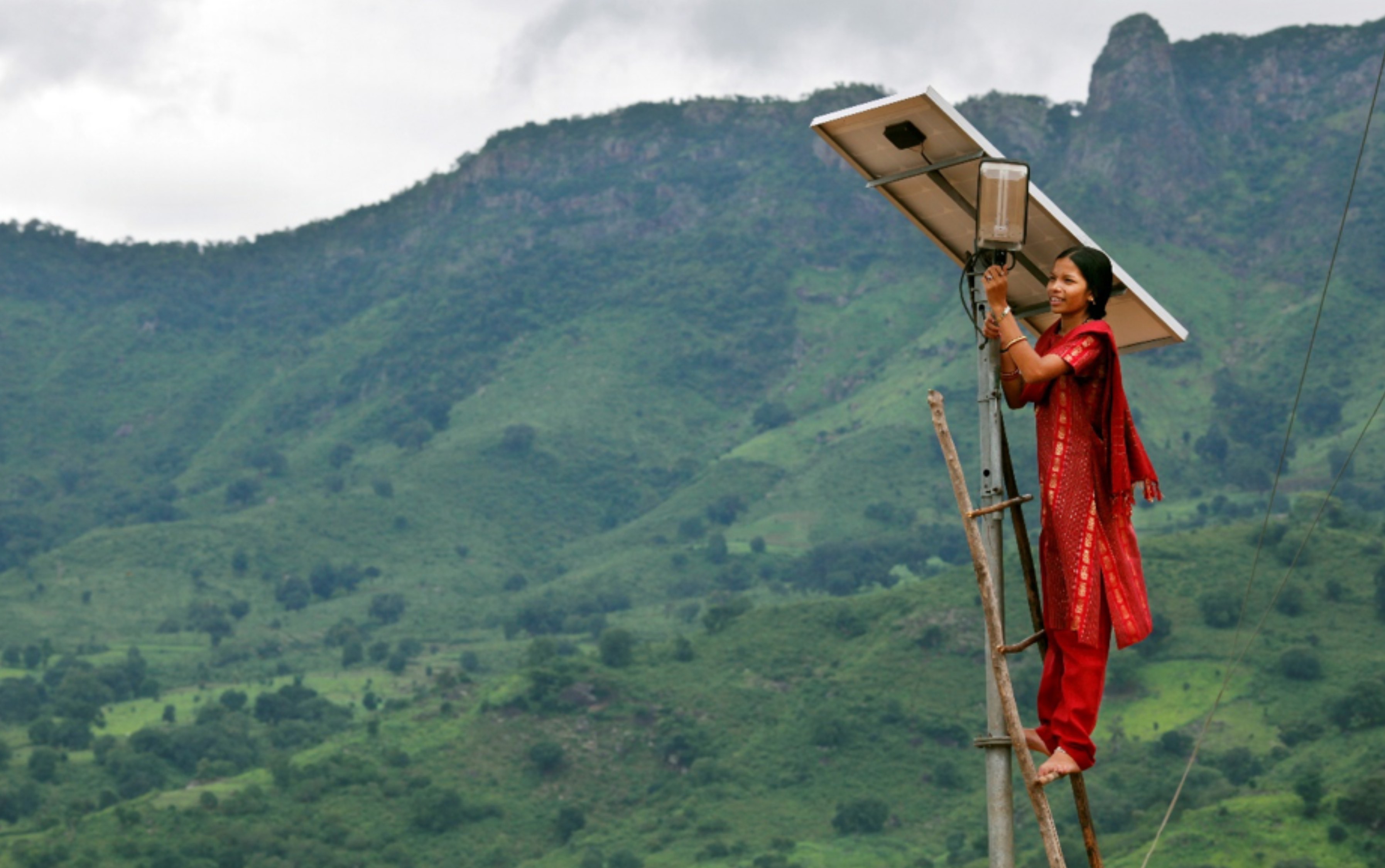
A global rural crisis: Rural revitalization is the solution
Time for a dramatic, system-wide transformation to make rural areas more productive, sustainable, climate-resilient, healthy, and attractive places to live.
-
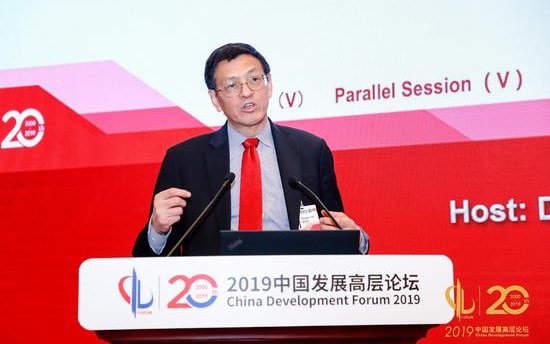
China Development Forum 2019: Open trade is key for food security
How China can leverage its strong position in the global trading system to boost world food security.
-
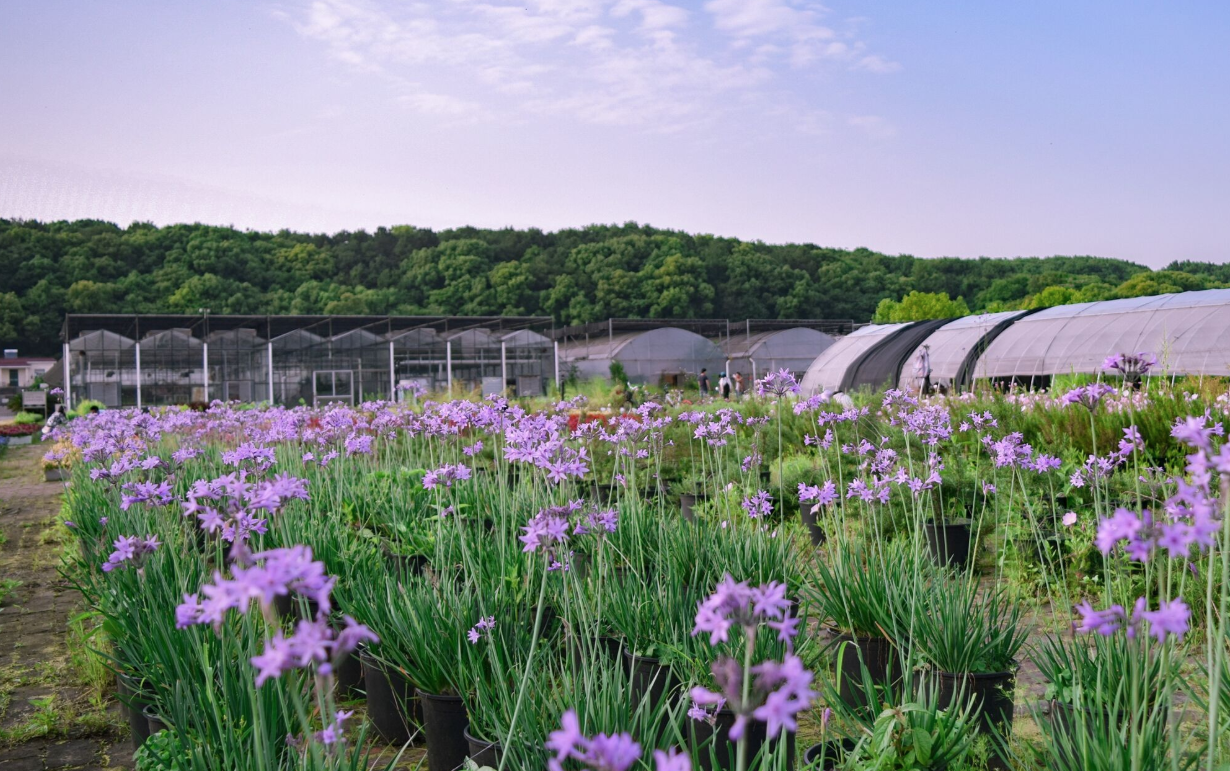
New IFPRI-China collaborations promote evidence-based policymaking and capacity building around the world
A new research center in Wuhan and other opportunities to study agriculture and development in China and elsewhere.
-
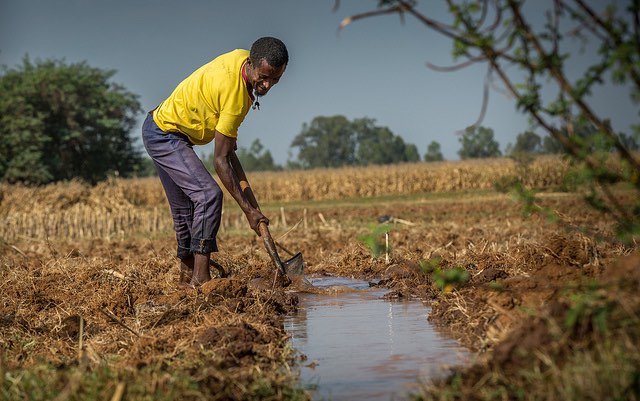
World Water Day: The unfulfilled promise of farmer-led irrigation – how to include those left behind
Already well-off farmers—typically younger men—are able to invest in and benefit from irrigation technologies. But what about women and other less-privileged farmers?
-
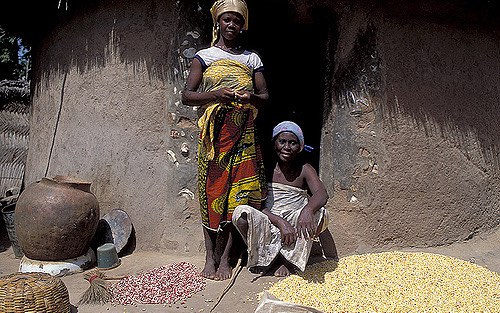
The evolving links between farm crop diversity and household diets in Ghana
Ghana's agricultural transformation is considered a African success story. But how it is it affecting the diets of farm households?
-
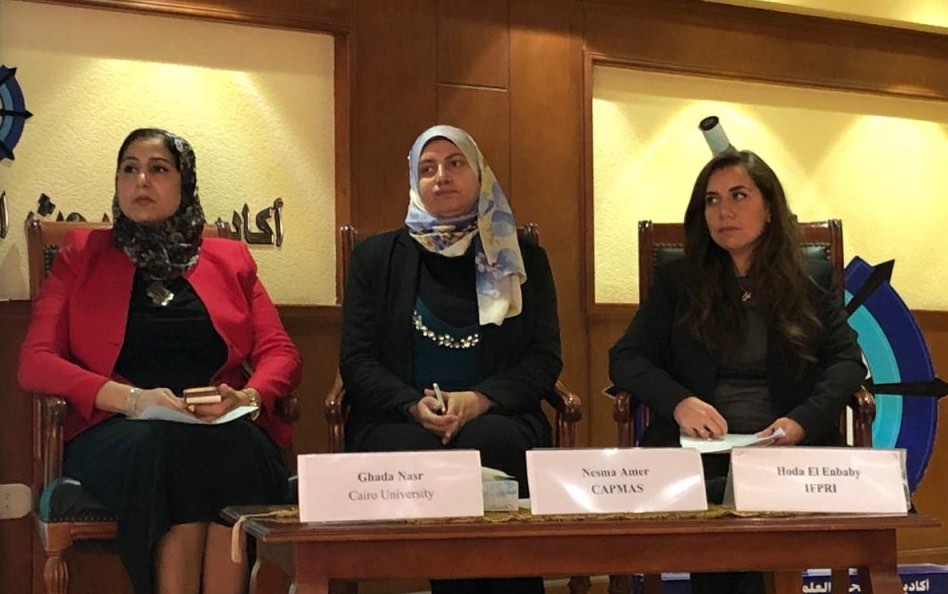
Egypt seminar: Addressing the double burden of malnutrition
As it mounts a major public health initiative, Egypt faces the complex problem of addressing hunger and undernutrition along with overweight and obesity.
-
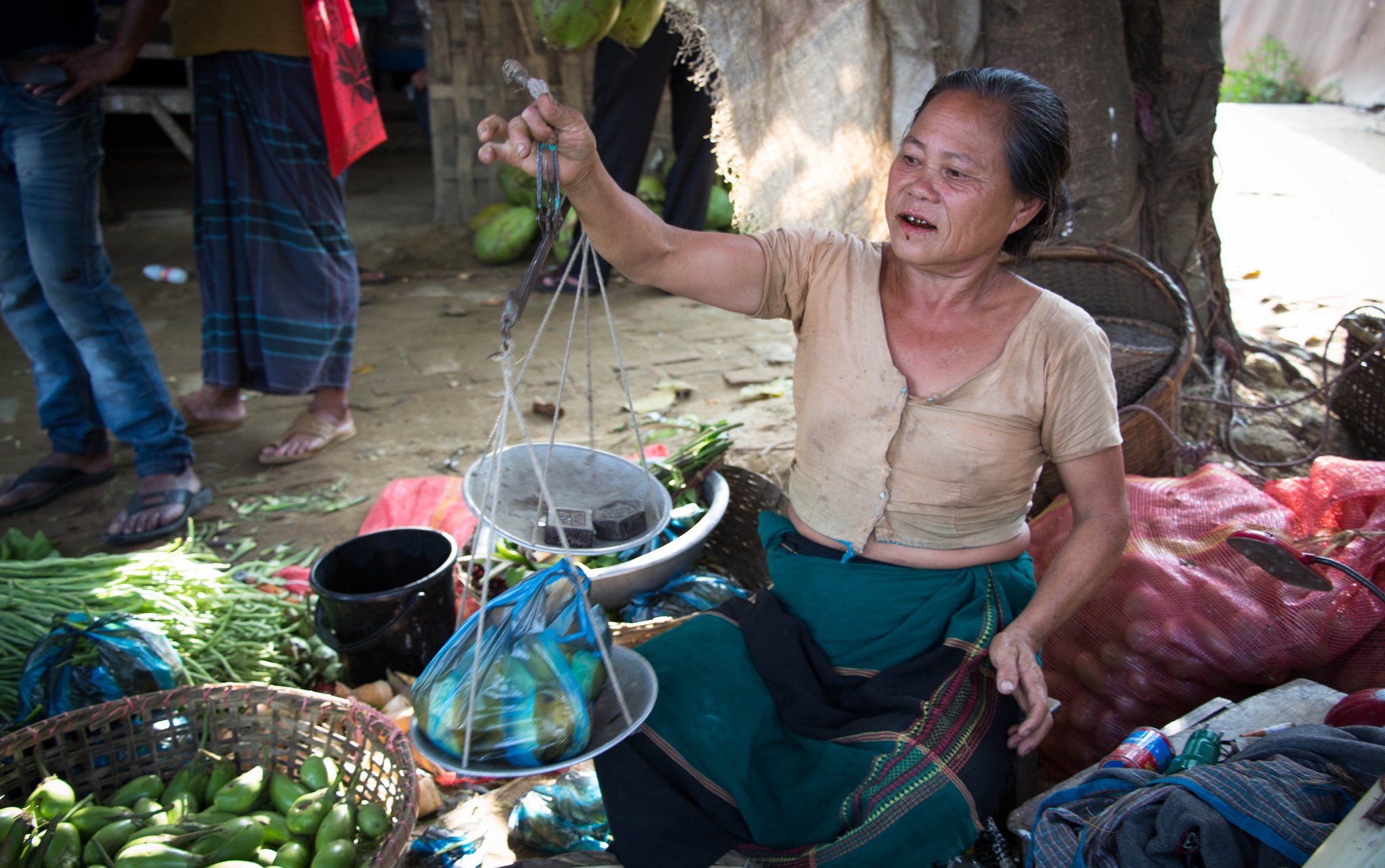
EAT-Lancet Report Bangladesh launch: Transforming food systems to boost nutrition
The recent report's implications for the fight against malnutrition and for building sustainable food systems in Bangladesh.
-
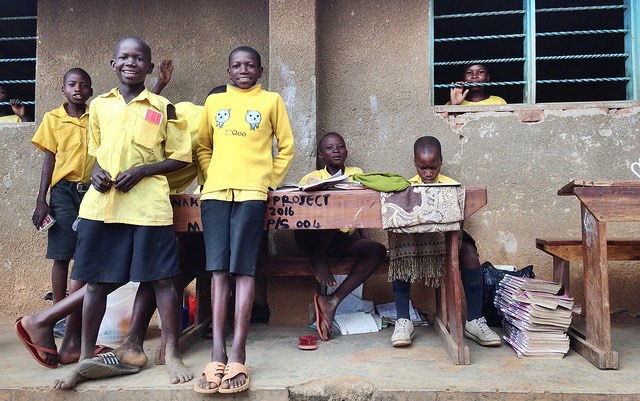
What happens when you incentivize primary education in Uganda
Incentives that hold teachers accountable for achievement can increase educational attainment when paired with adequate instructional resources, research shows.
-
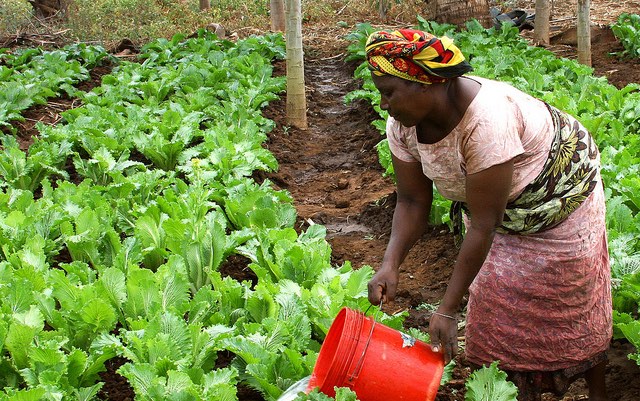
Considering gender in irrigation: Meeting the challenges women farmers face in technology adoption
Research in Ethiopia, Ghana, and Tanzania points the way to addressing gender imbalances in irrigation and agriculture.
-
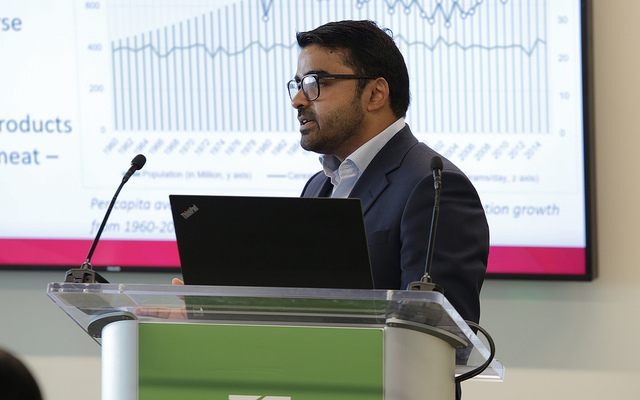
Book launch: Connecting agriculture and nutrition to improve diets and meet the SDGs
A new book explores why the road to ending hunger and malnutrition runs through agriculture.
-
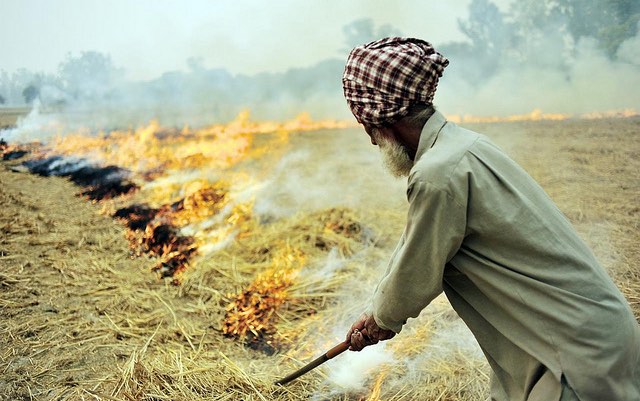
The link between crop burning and respiratory illness is a health and economic timebomb
The pollution generated by crop residue fires in northern India imposes a heavy burden on urban residents.
-

Busting six common myths about unconditional cash transfers in Africa
Research refutes the stock critiques of transfer programs.
-
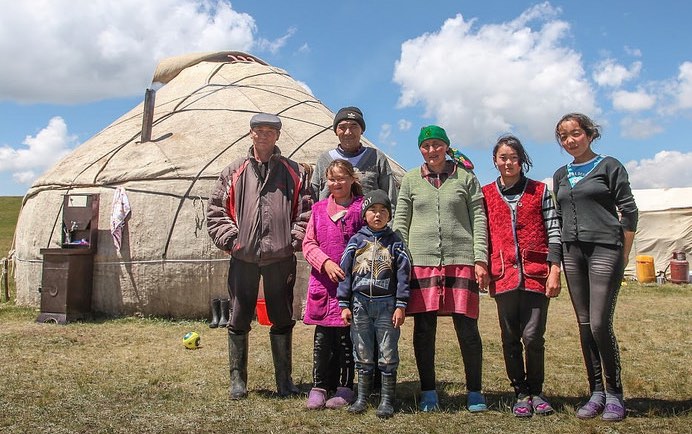
International Women’s Day: Why raising aspirations may be key to achieving gender equality
Research in Kyrgyzstan shows that individual ambition and women's empowerment are linked.
-
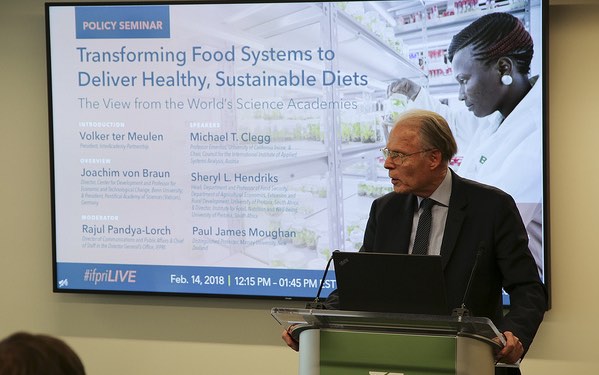
Policy seminar: The role of science, technology, and innovation in transforming food systems
A new report from the InterAcademy Partnership explores how the sciences can be better applied to achieve regional and global food security.
-

The threat declining insect populations pose to agriculture and development, and what we can do about it
The implications of a new paper showing insects are disappearing at a rapid clip globally.
-
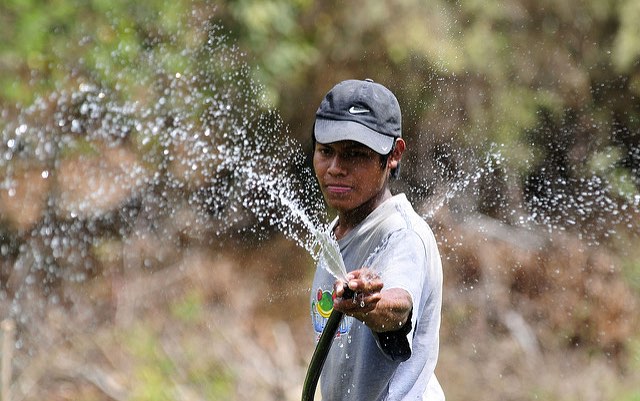
New diet, new destiny? Saving the planet takes more than changing what we eat
We must better understand the links between water, agriculture, sustainability, and food security.
-
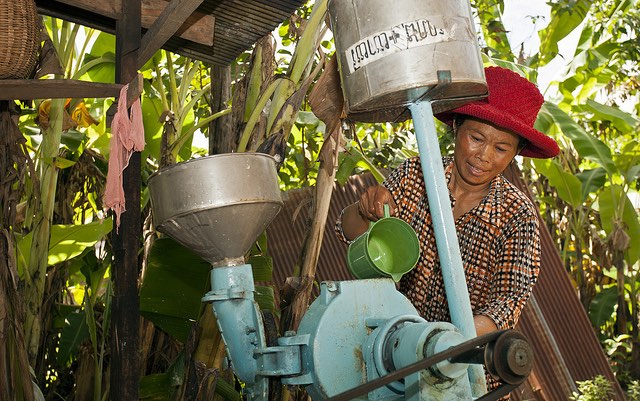
A decade ago, women’s empowerment in agriculture wasn’t even on the agenda
IFPRI programs help to spur the rapid shift toward integrating a gender focus into development projects.
-
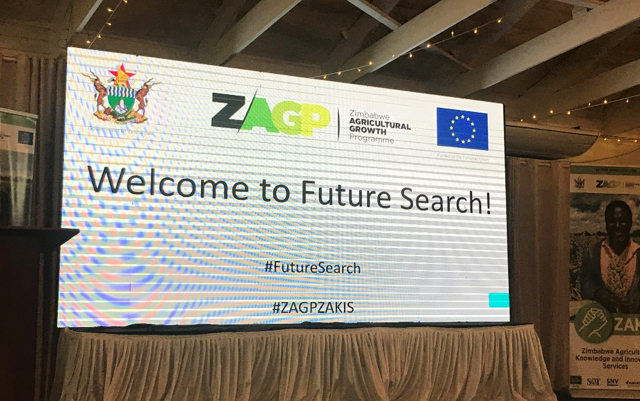
Charting the future of agriculture in Zimbabwe using a ‘Future Search’ event
An innovative exercise helps stakeholders break out of set ways of thinking.
-
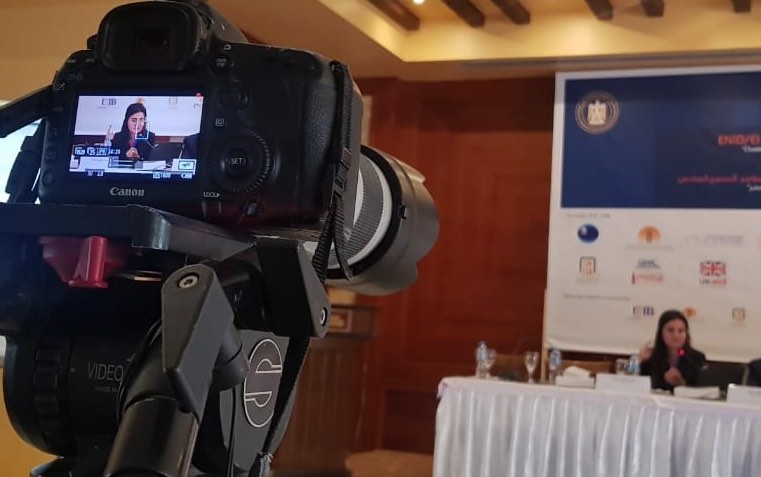
Egypt conference: Opportunities and challenges of cluster-based development
IFPRI researchers on what the evidence shows about sparking local economic development in China and Egypt.
-
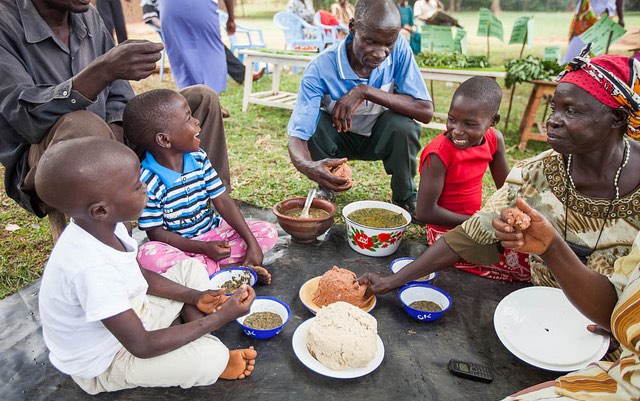
Growing agriculture-nutrition community points the way to achieving SDG2 by 2030
To end hunger and malnutrition in just over a decade, a new book says, focus on the key role of agriculture.
-
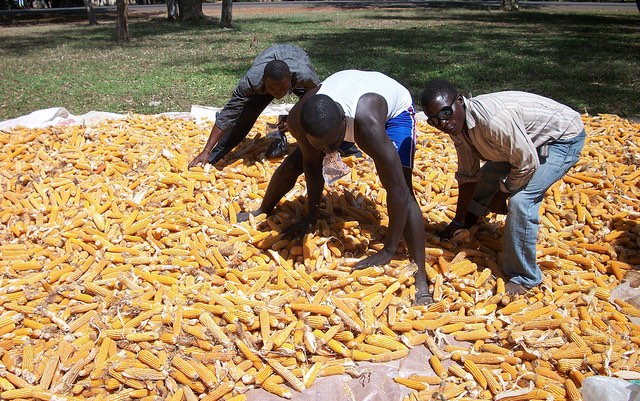
Does aflatoxin stunt child growth? Evidence from the first randomized trial
Examining one possible impact of a common health hazard on young children.
-
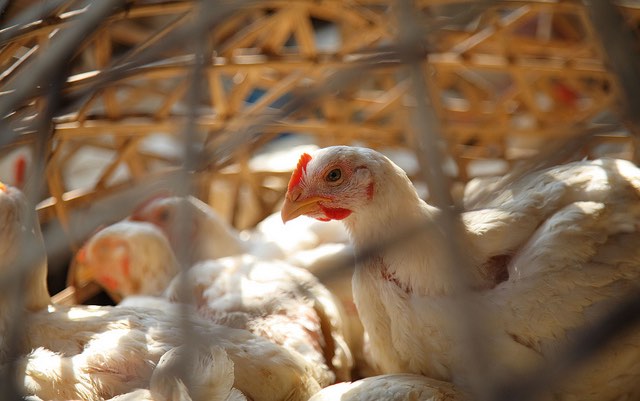
New research partnership to tackle the global problem of antimicrobial resistance
Overuse of antibiotics is creating a looming public health crisis that will hit the developing world hard.
-
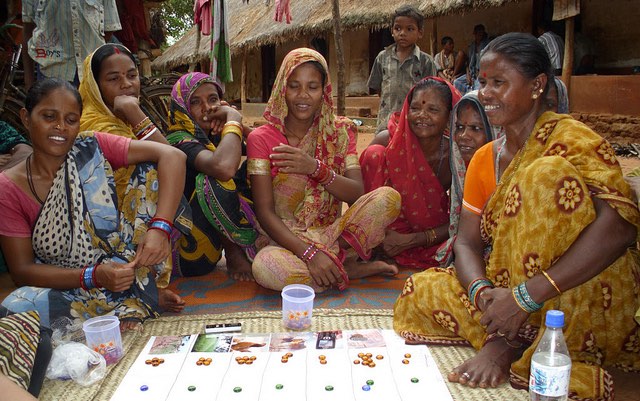
Data can be sexist. Here’s how IFPRI is fixing that problem.
The Women in Agriculture Empowerment Index (WEAI) and Gender, Agriculture, and Assets Project, Phase 2 (GAAP2) generate new insights into women's roles.
-
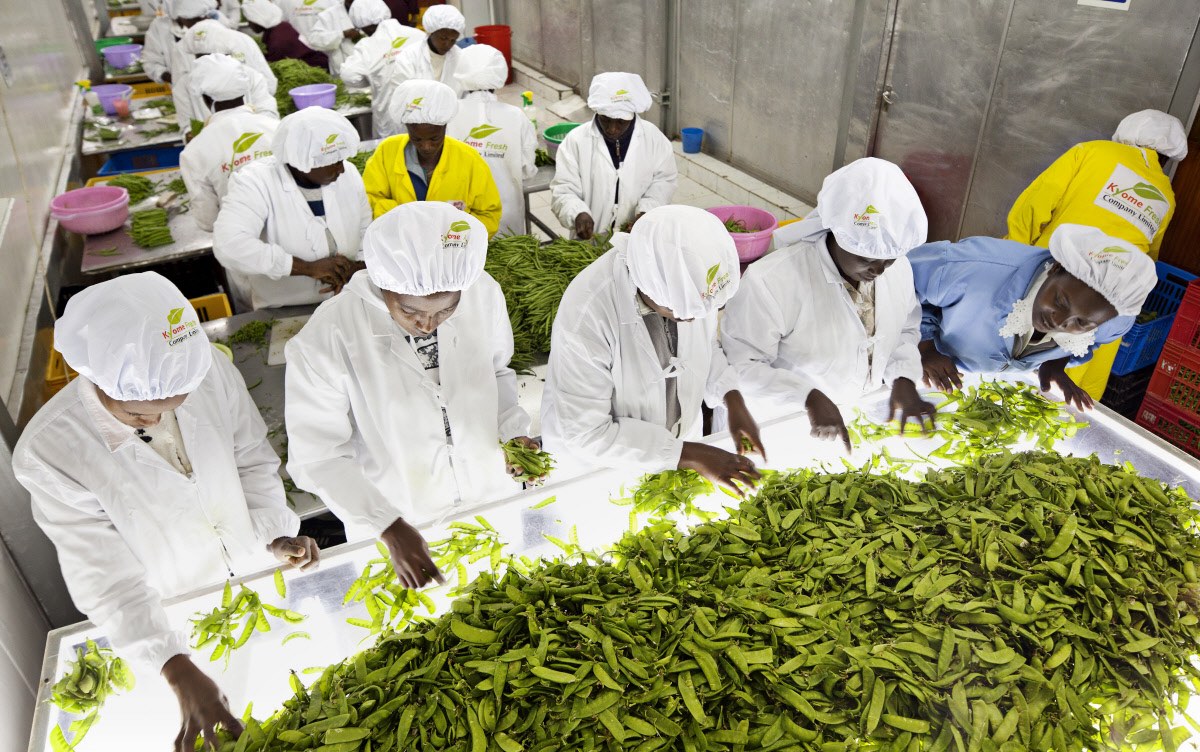
Who gains from an increasingly industrialized food system?
IFPRI's Food Industries for People and Planet (FIPP) program studies ways stakeholders can build sustainability and better nutrition.
-
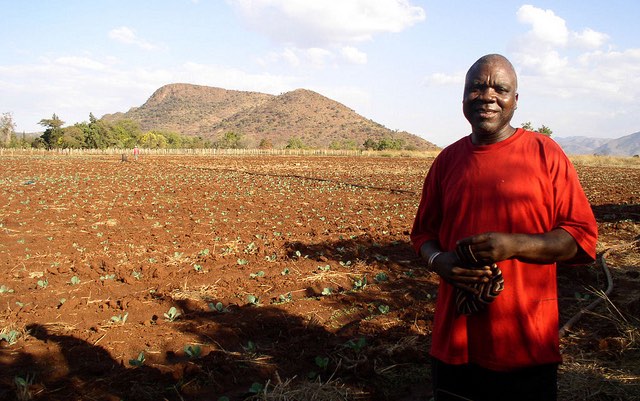
Why irrigation is key to feeding Africa south of the Sahara’s growing population
IFPRI research shows dryland irrigation has the potential to boost agricultural yields on a large scale.
-
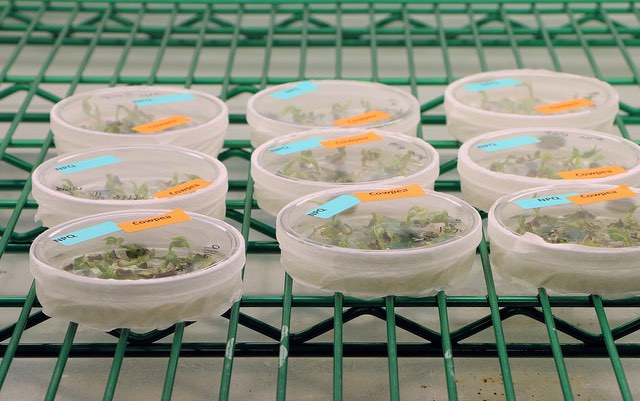
The 2018 Farm Bill is good news for international agricultural development
The new U.S. agriculture law authorizes a number of programs encouraging international research and cooperation.
-
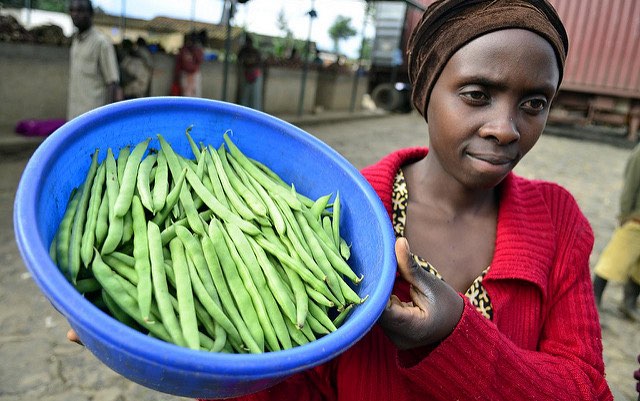
There’s a new goal post for agriculture: It’s nutrition.
Agriculture is the base of the food system. Yet until recently its myriad effects on nutrition were often overlooked. A new book explains why that's changing.
-

Why empowering young people is key to ending global hunger and malnutrition
Rose Jade Eugenie Delgado, a Global Youth Leader for Nutrition, on mobilizing a key demographic to bring about change.
-
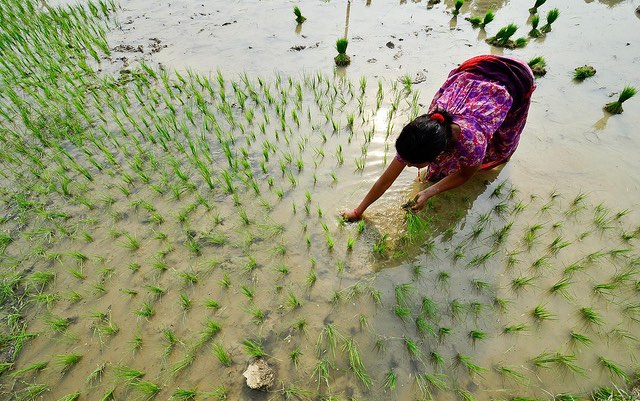
In Nepal, bureaucrats’ local knowledge and motivation make a difference in serving rural farmers
Research shows that a personal stake in the community matters more for agricultural extension services than staff numbers.
-
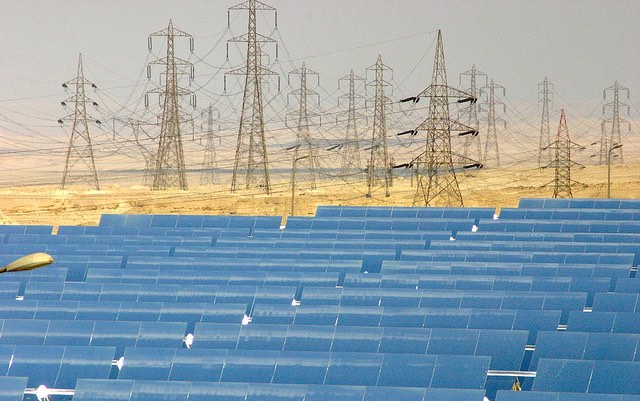
Making Egypt’s power sector more diverse and sustainable
Egypt currently generates most of its electricity with natural gas—an unsustainable situation. Research shows how it can change course and tap abundant sunlight and wind resources.
-
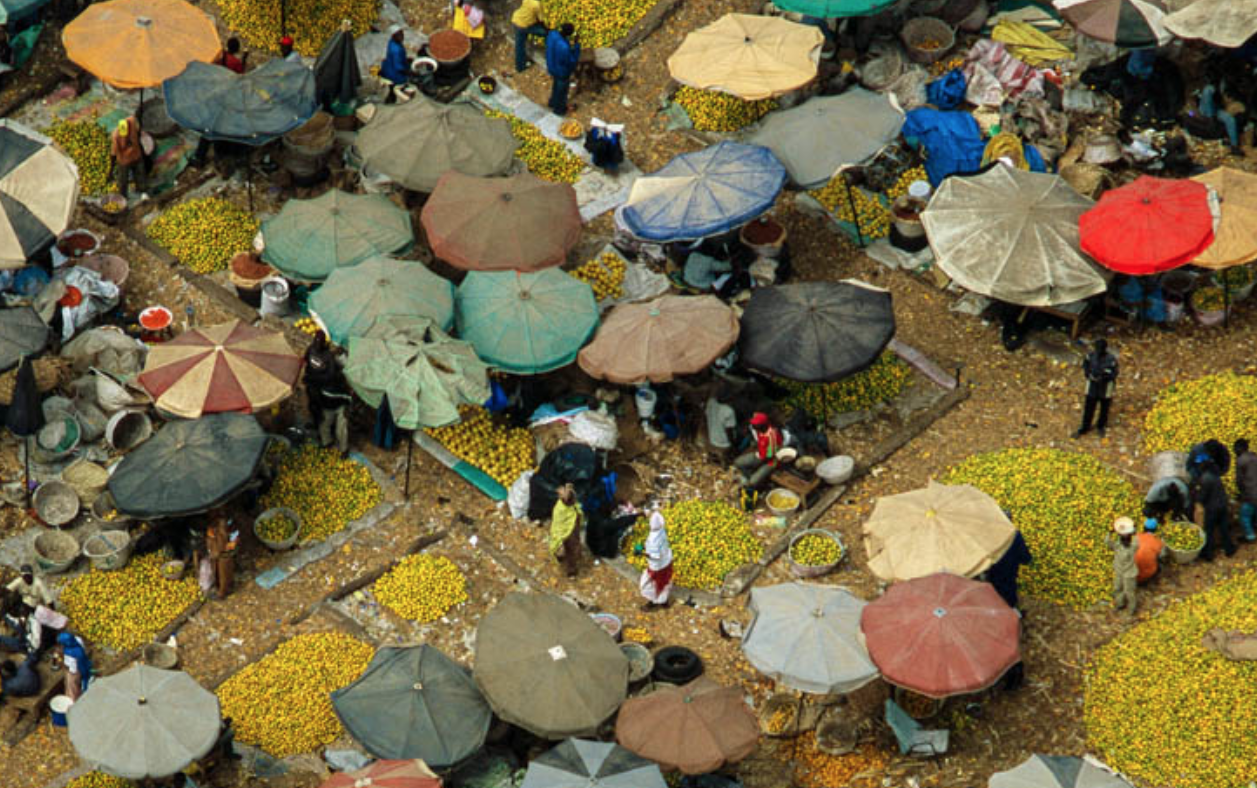
Food and agriculture at a crossroads
A new FAO book, with contributions from IFPRI, explores the key challenges facing agri-food systems amid rising population growth, urbanization, climate change, and other trends.
-
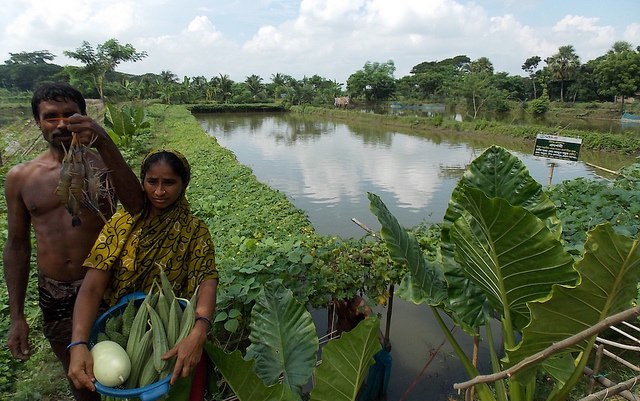
Confronting the challenges of salinity intrusion on agriculture in South Asia
Saltwater is increasingly contaminating fresh water sources, posing grave risks for agriculture in Bangladesh and India that will require creative policy solutions – a discussion.
-
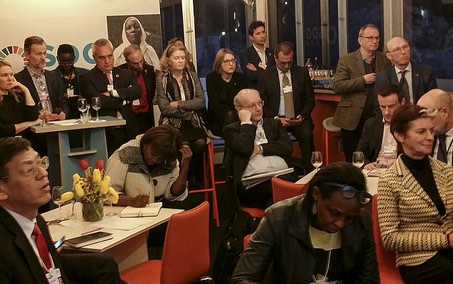
Acceleration through collaboration: IFPRI side event at Davos 2019
Why all stakeholders—especially the private sector—must work together to speed up progress to end hunger and nutrition.
-
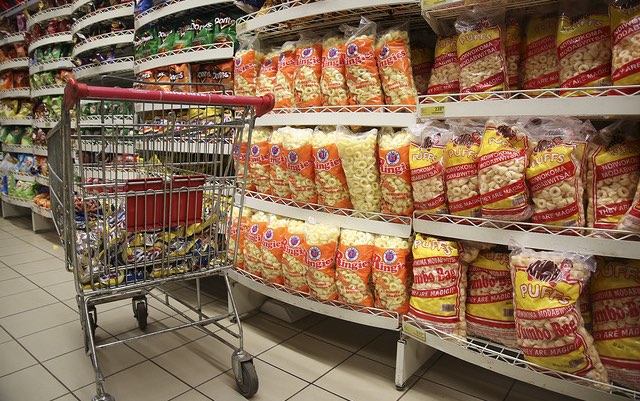
The global syndemic of obesity, undernutrition, and climate change
A new Lancet Commission report recommends ways to reform global food systems.
-
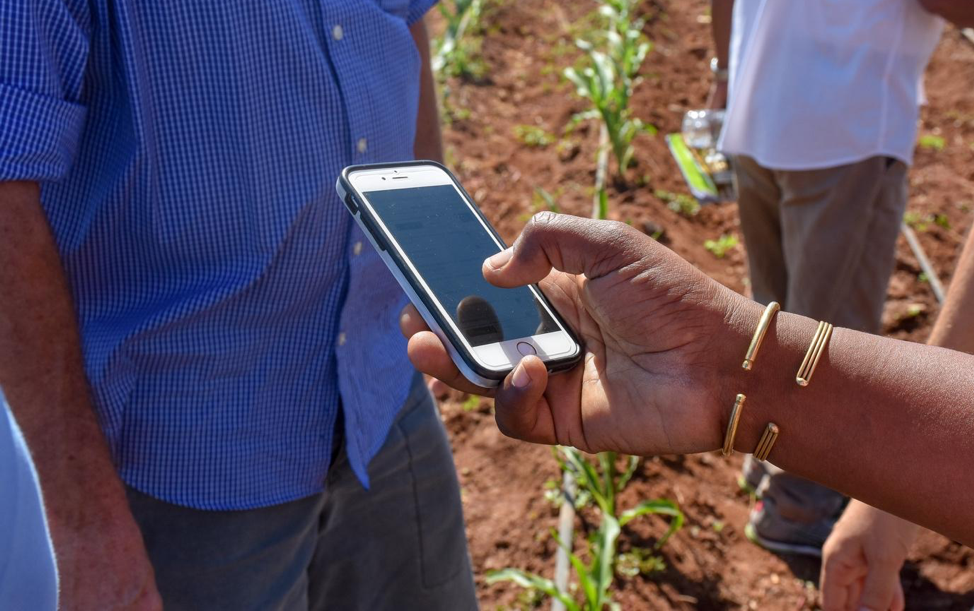
Seeing really is believing: Farmers’ photos revolutionize insurance and advisory services
When it comes to managing risk in the face of climate change, picture-based insurance could be key for smallholder farmers.
-
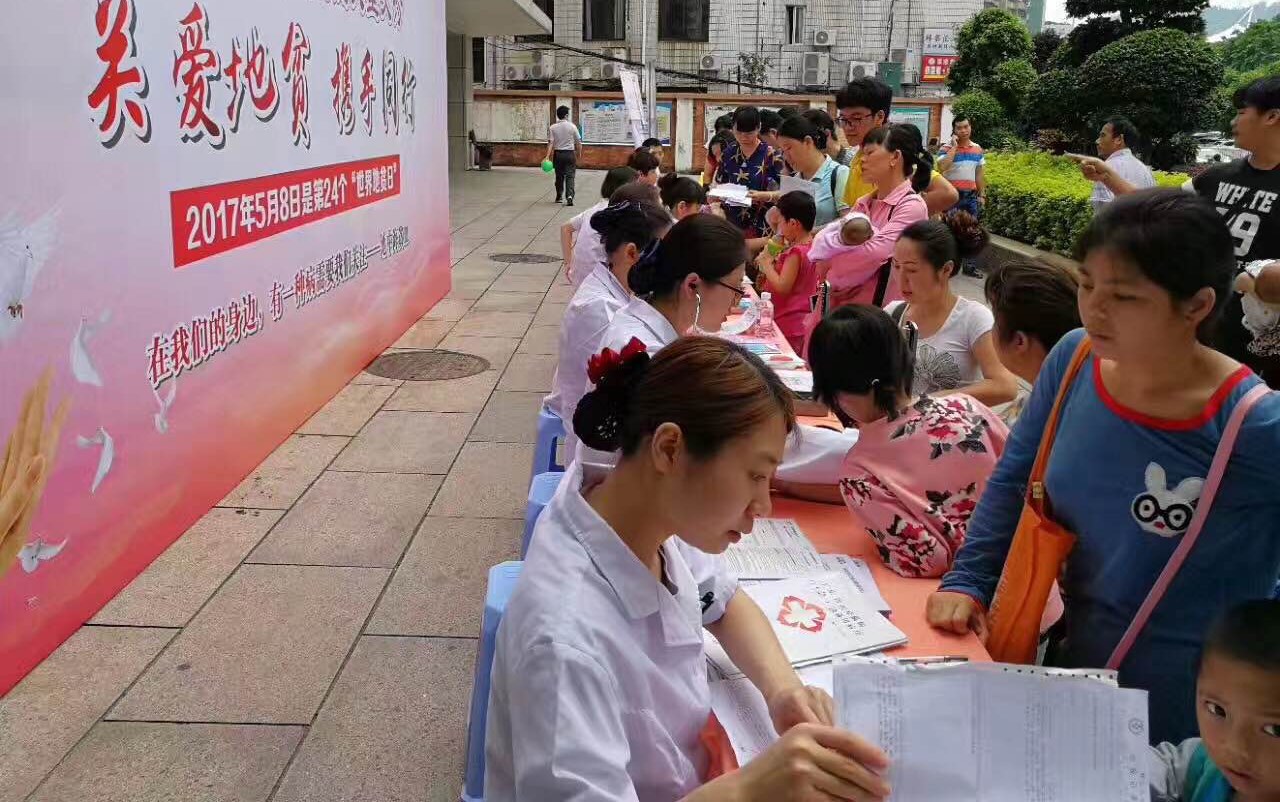
Unlocking the potential of genomics to accelerate sustainable development
BGI Senior Vice President Ren Wang on how scientific innovations are addressing the threat that zoonotic diseases pose to the rural poor.
-
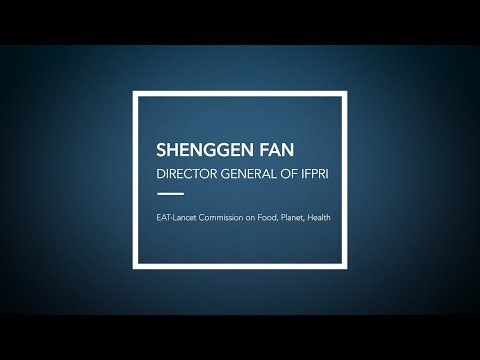
Healthy diets and sustainable food systems for all: A differentiated approach for animal-sourced foods (ASFs)
IFPRI's Director General on the importance of dairy, fish, and other animal-sourced foods to global nutrition and health—a key topic in the new EAT-Lancet Commission report.
-
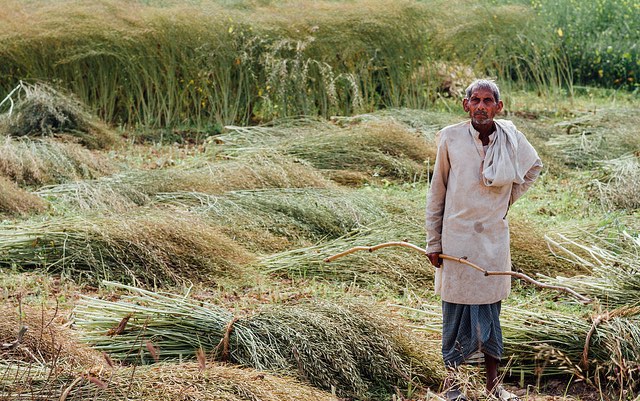
Loan waivers are no panacea for India’s farmers
Why the Indian central government and states should eschew the politically expedient option of loan waivers and look for long-term solutions.
-
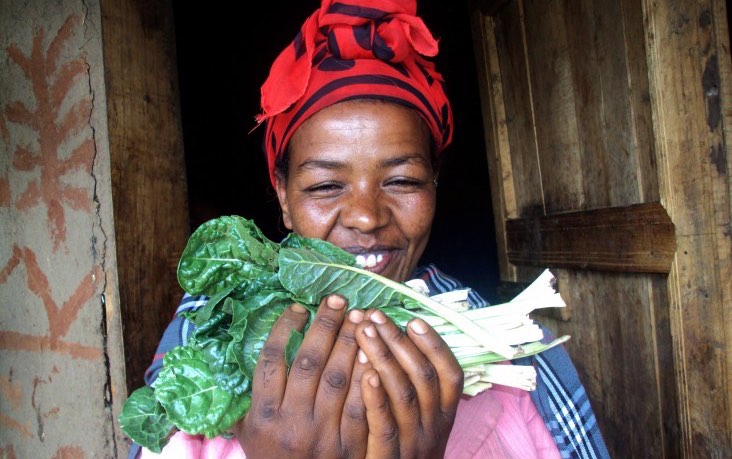
Can governments promote homestead gardening at scale? The case of Ethiopia
IFPRI research shows what works – and doesn't – in promoting gardening with the aim of boosting consumption of fruits and vegetables.
-
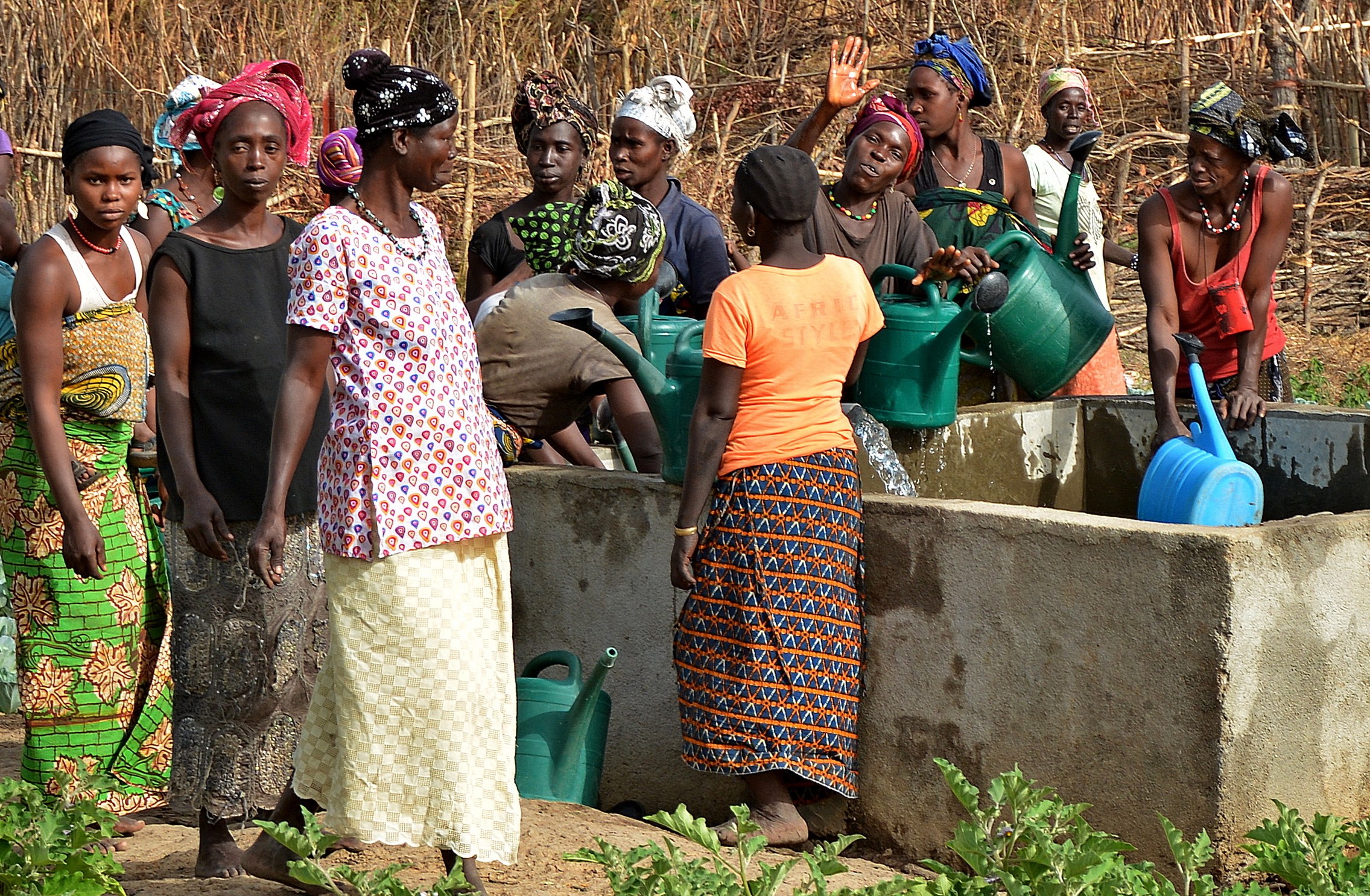
Making small-scale irrigation work for women
Women face disadvantages in adopting better irrigation techniques. Key points on how to address this gender imbalance.
-
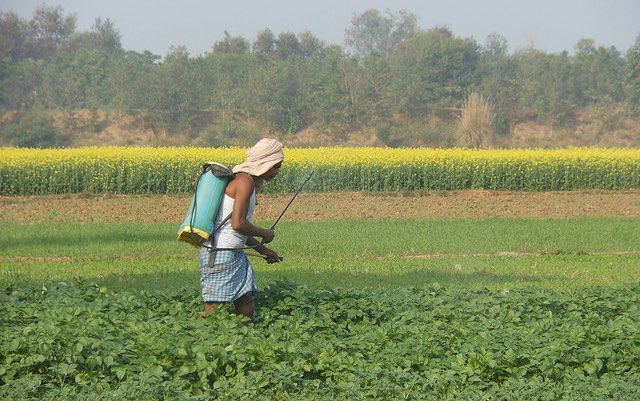
For Indian farmers, Direct Benefit Transfers can work better than fertilizer subsidies
Shifting support from subsidies to DBTs would give farmers greater flexibility and allow the government to better target resources where needed.
-
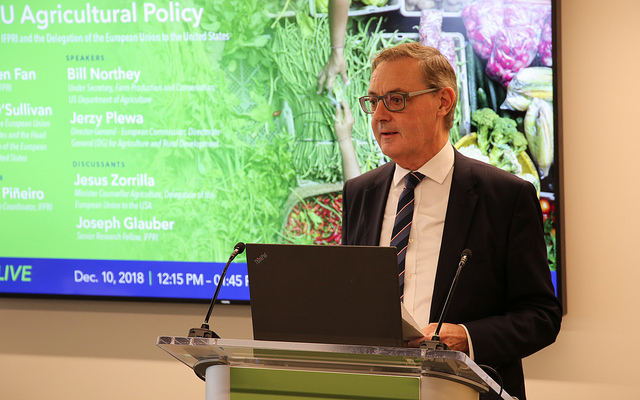
Exploring the impacts of new U.S. and European agriculture policies
Two IFPRI events look at the evolving picture on farm subsidies, trade, and other issues.
-

Interview: Discussing the G20 Summit with Eugenio Díaz-Bonilla
The head of IFPRI’s Latin America and Caribbean Program on the recent Buenos Aires meeting’s implications for global trade, food systems, and the SDGs.
-
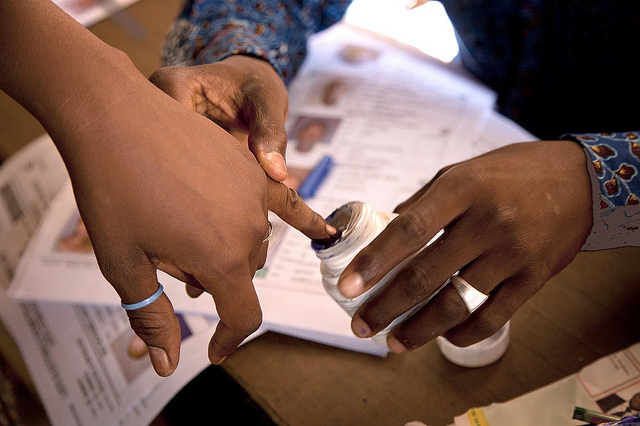
Competitive elections are good for democracy – just not every democracy
While political competition is generally accepted as good for democracy, research finds it can inhibit government service delivery in newer democracies lacking strong political parties and governing institutions, like Mali.
-
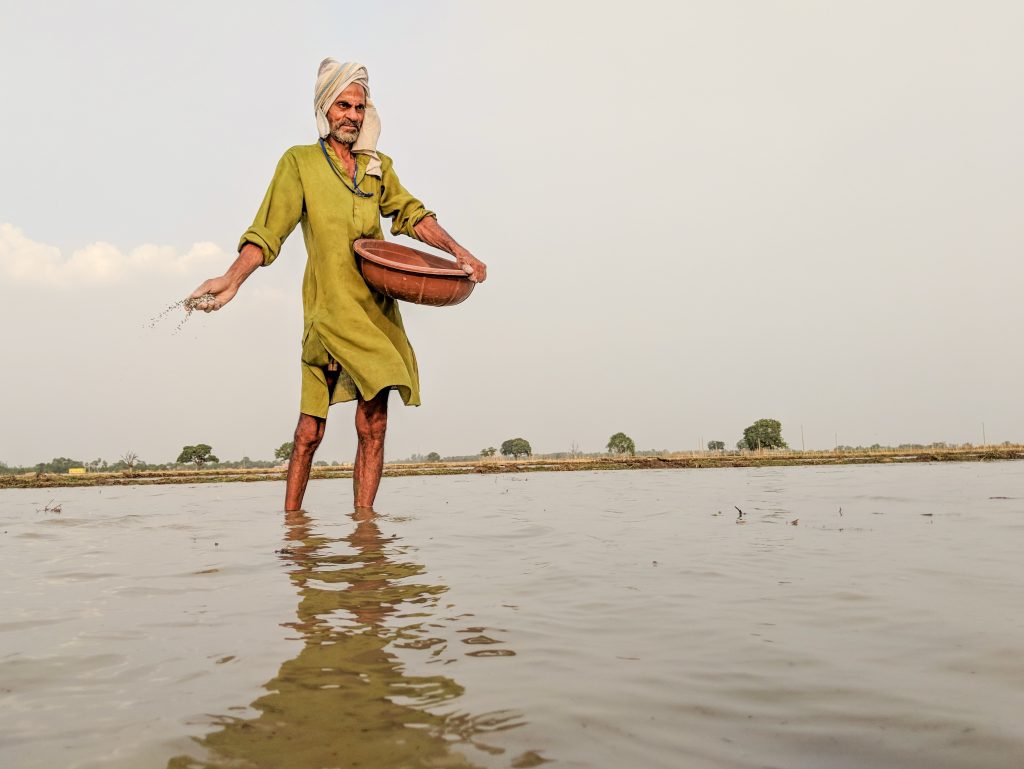
Experts identify policy gaps in fertilizer application in India
Innovation in the fertilizer industry and in reaching farmers with best practices and knowledge are key to improving fertilizer application and crop health in India.
-
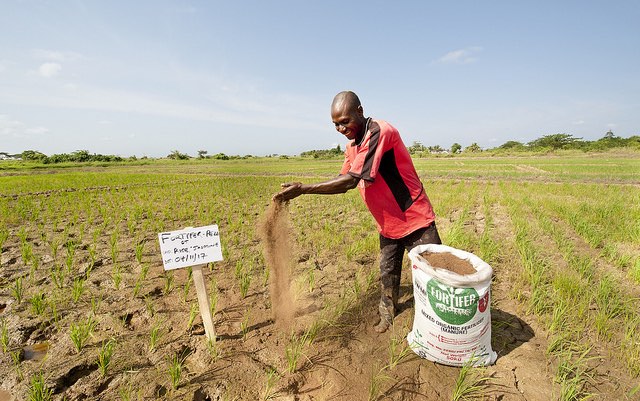
Too good to be true? A model for reaching poor farmers and reducing subsidy costs in Ghana
Targeted fertilizer subsidies cost more to administer but are significantly more cost-effective than universal subsidies, IFPRI research shows.
-
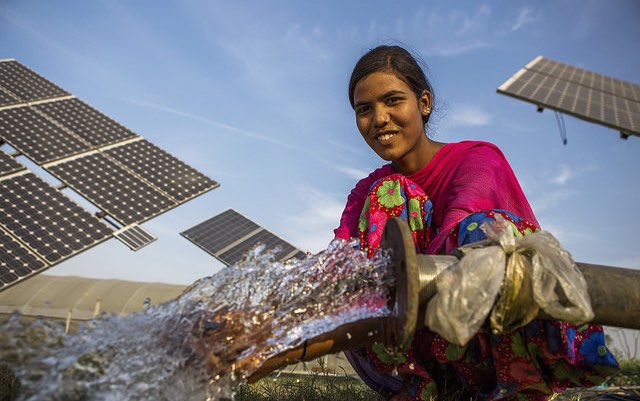
How agricultural research can navigate the perfect storm
Researchers must take into account the interdependencies of an ever-more complex, interconnected, and stormy world.
-

Four key steps to a sustainable food future
The B20 (business organizations) and T20 (think tanks) offer recommendations on food systems to world leaders at the G20 Summit in Buenos Aires.
-
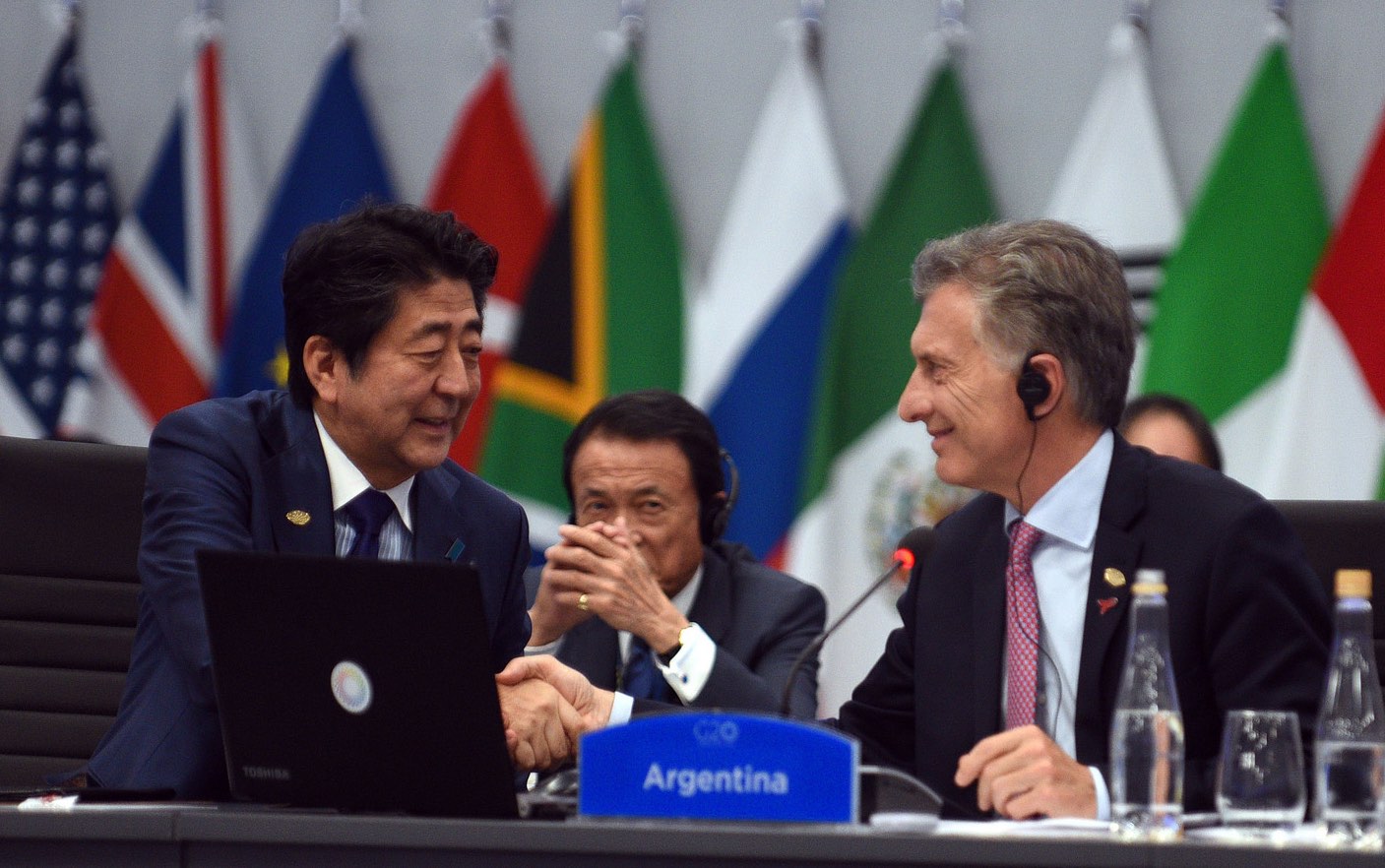
G20 Buenos Aires Summit: Fostering growth and sustainability in food systems
Facing headwinds including anti-globalization politics, world leaders work to strengthen multilateral action on development issues.
-
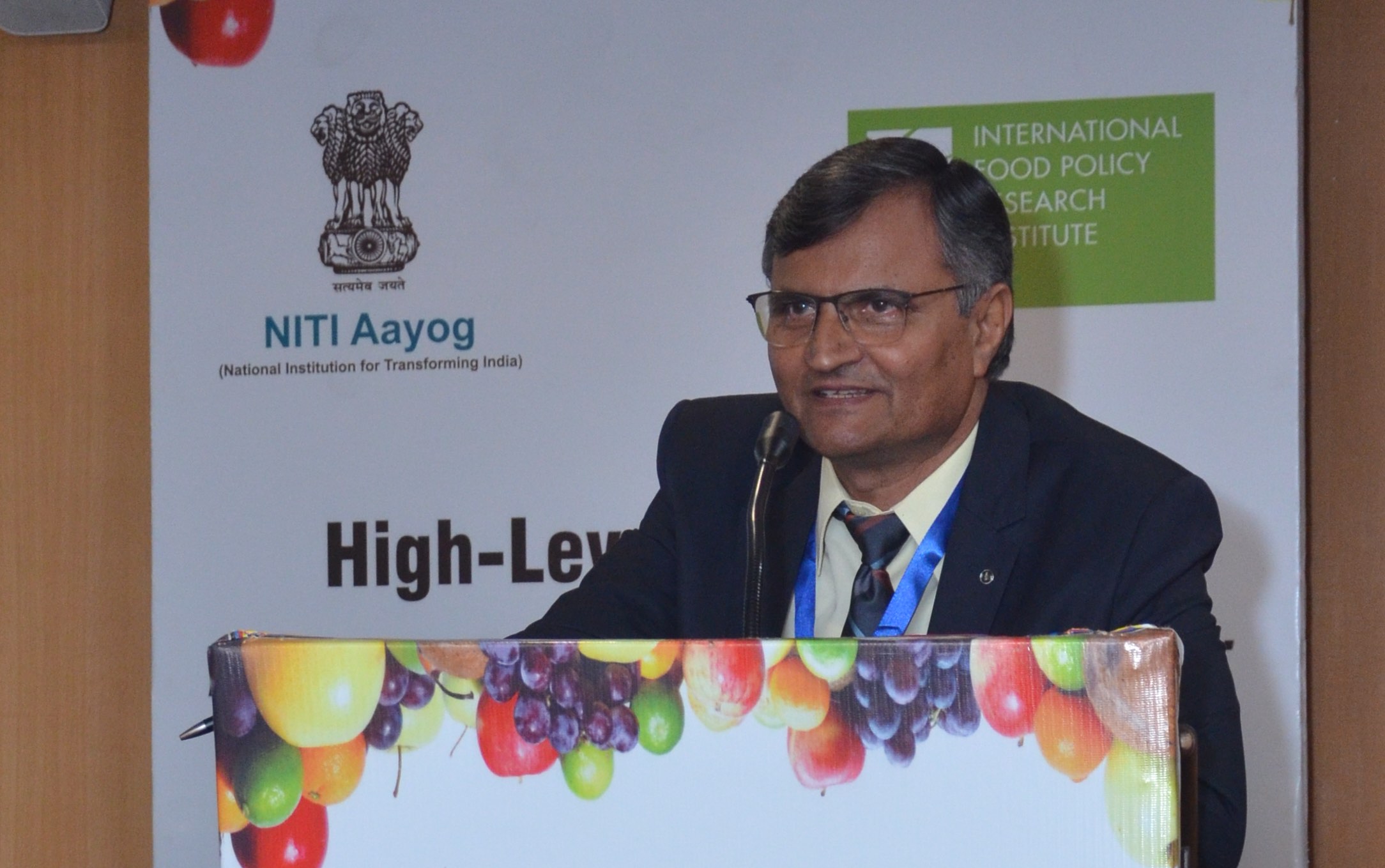
South Asia symposium: The Food Systems Approach to tackling hunger and malnutrition
The challenges India and its neighbors face in improving nutrition and food production sustainably—a discussion.
-
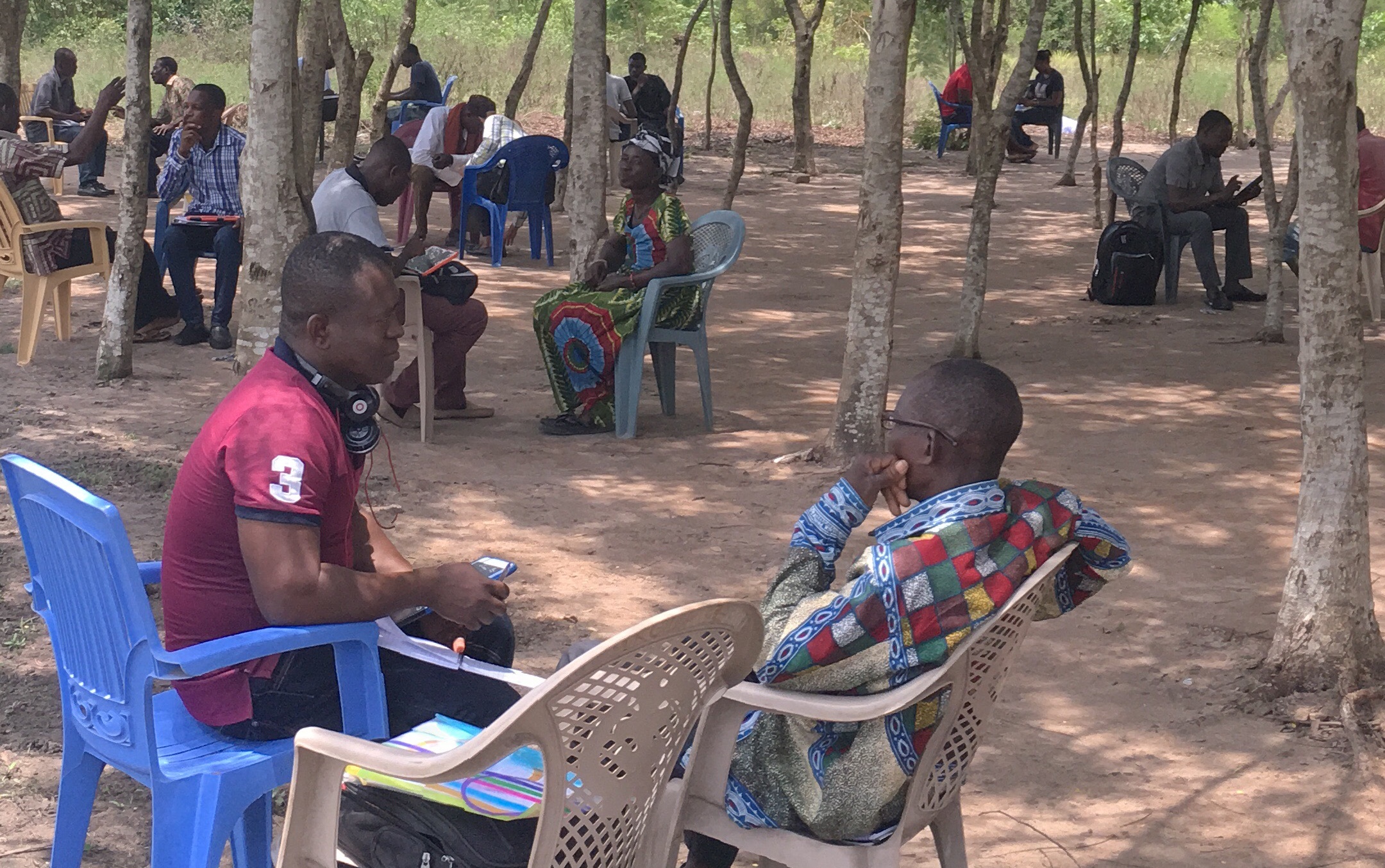
Pro tips for designing and deploying complex agricultural surveys
Collecting survey data in the field presents unique challenges—some advice to make the process as smooth as possible.
-
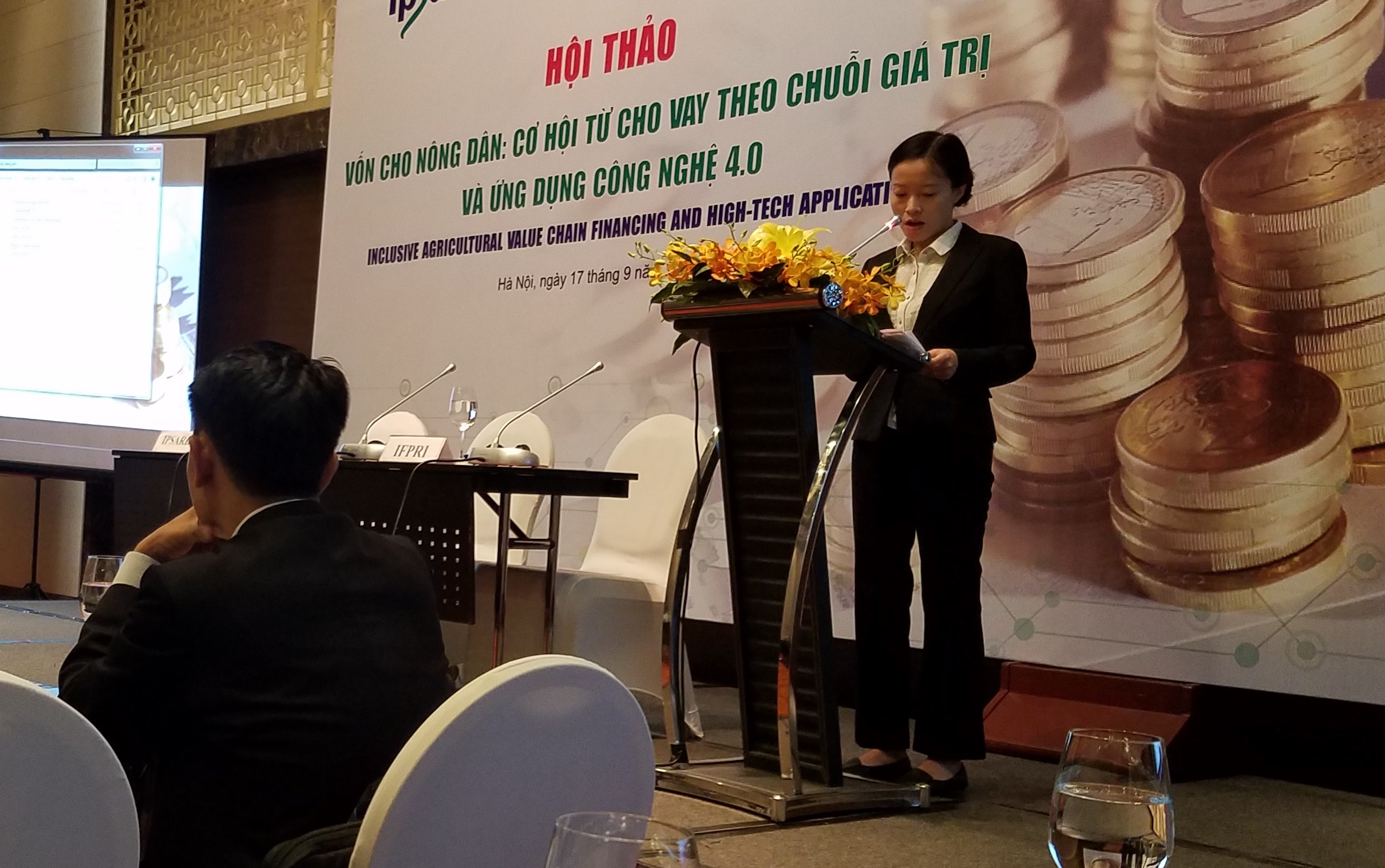
Project will explore ways to boost Southeast Asia smallholders’ access to finance
More reliable credit for farmers can help increase agricultural production—a discussion.
-
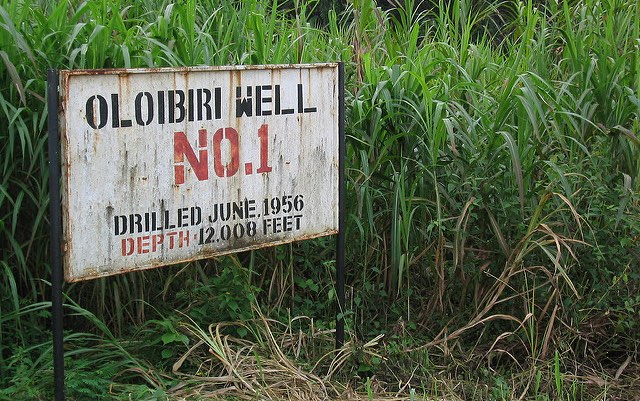
Why Nigeria urgently needs to grow non-oil exports
Continued low oil prices are putting unsustainable stresses on Nigeria's economy. Time to diversify.
-
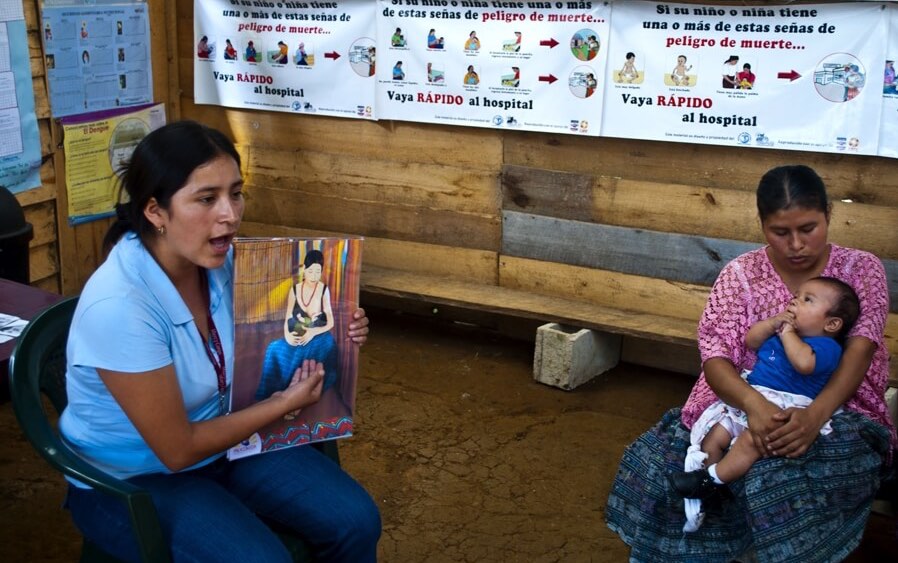
Optimizing food assistance programs: Multisectoral approach improves child growth in Guatemala
Combining food rations, behavior change communication, and better access to public health services improves infant nutrition and reduces stunting, an IFPRI study shows.
-
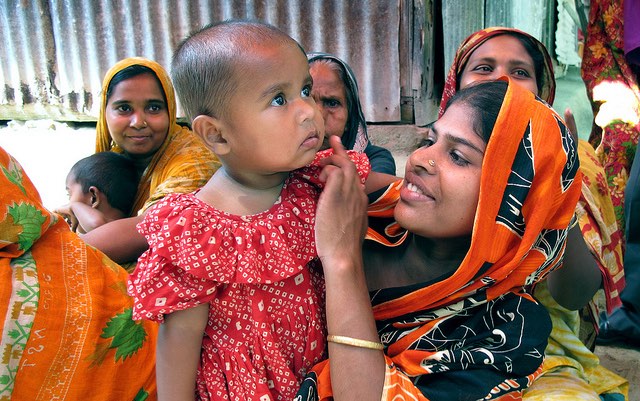
Ending hunger by 2030 is possible, if we can accelerate progress
It’s time to invest in accelerators—policies, interventions, and innovations that can overcome barriers and speed progress toward ending hunger and malnutrition.
-
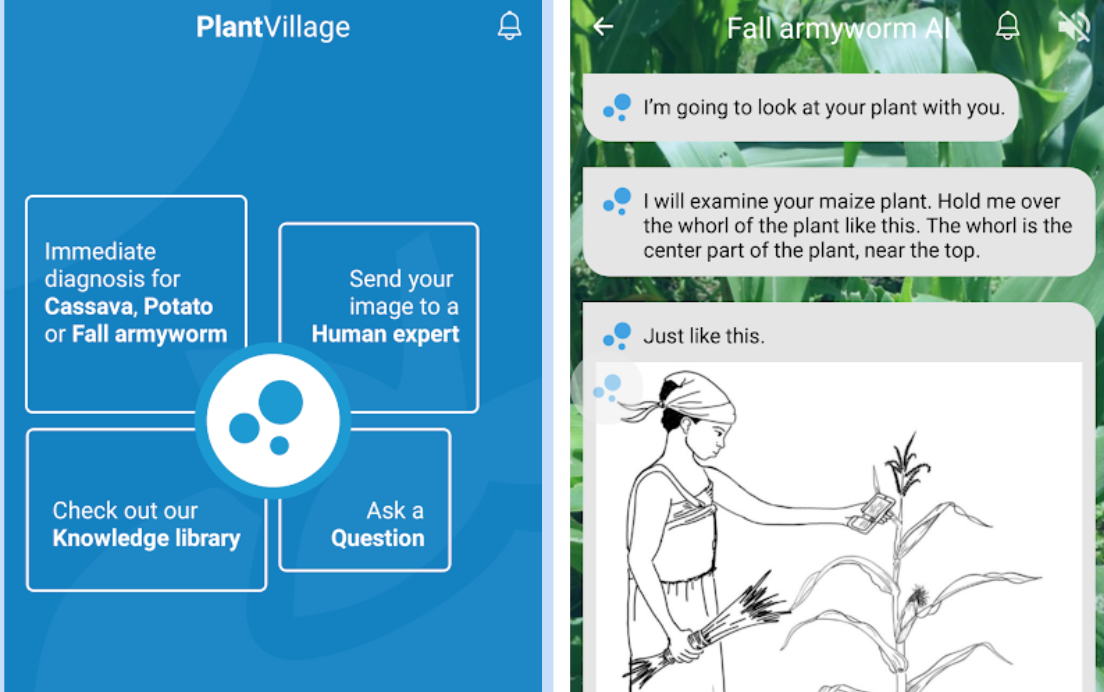
Big data shows big promise for feeding the world
Harnessing the nascent power of large datasets to help farmers.
-
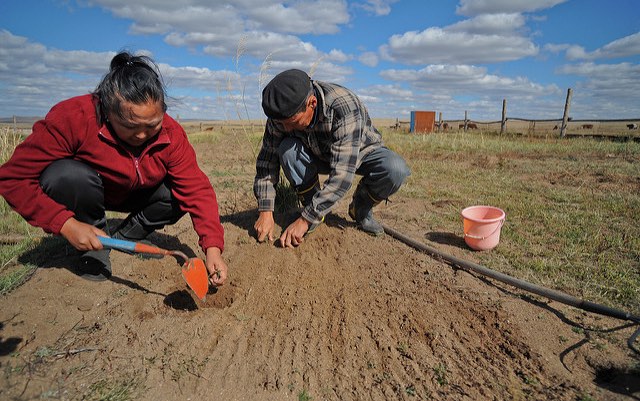
Ambitious steps to control climate change may pose food security risks in the near term
Essential climate mitigation efforts, such as carbon taxes, may create problems for the food system that should be addressed, a study shows.
-
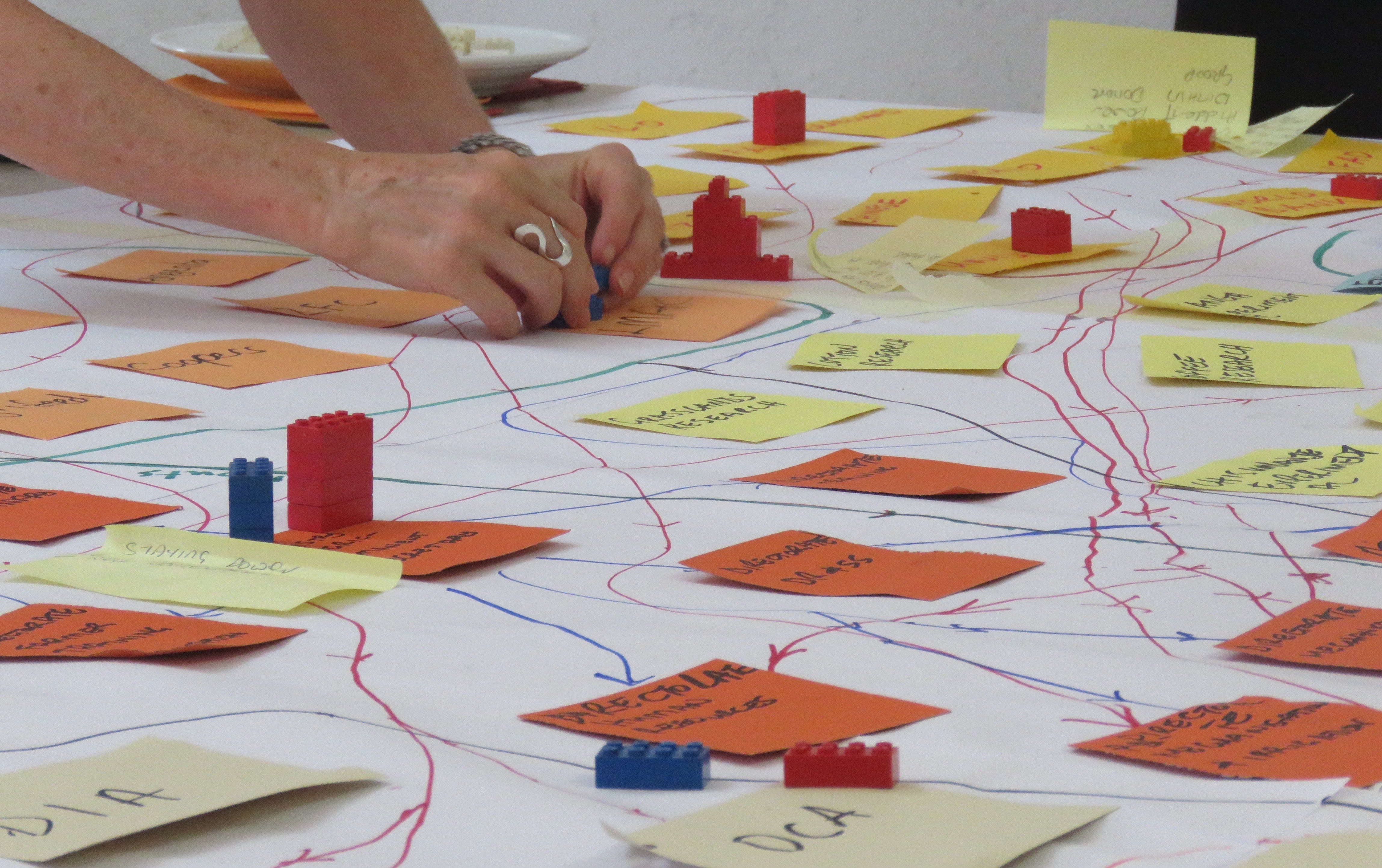
What I learned from playing with Lego on the job
A workshop employs creative mapping techniques to visualize interview data.
-
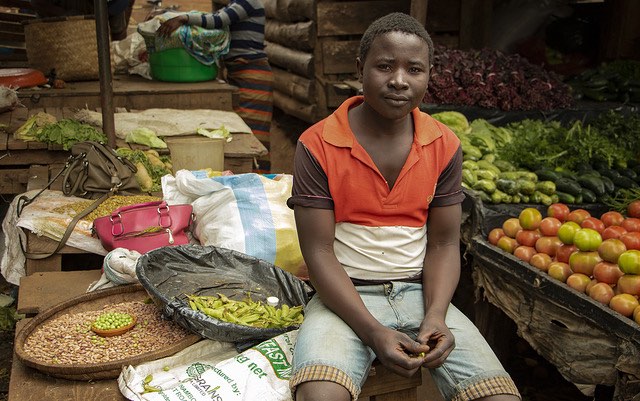
Strategic simplification to create healthy and sustainable food systems in an urbanizing world
As food production and consumption rapidly evolve, a way to break down the complexity for more effective problem-solving.
-
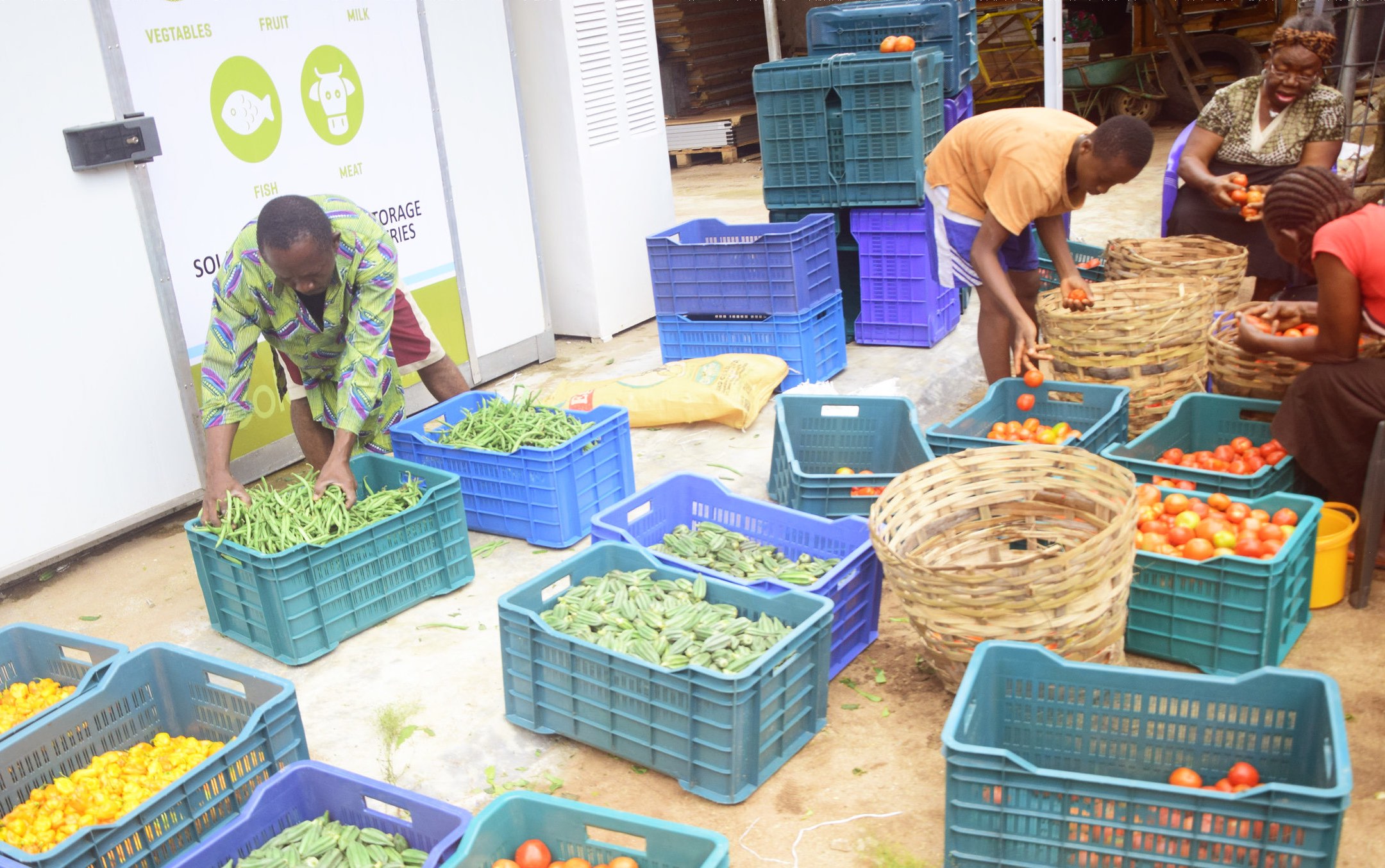
ColdHubs: Addressing the crucial problem of food loss in Nigeria with solar-powered refrigeration
Startup CEO Nnaemeka C. Ikegwuonu on an affordable way to build cold chains in developing countries.
-
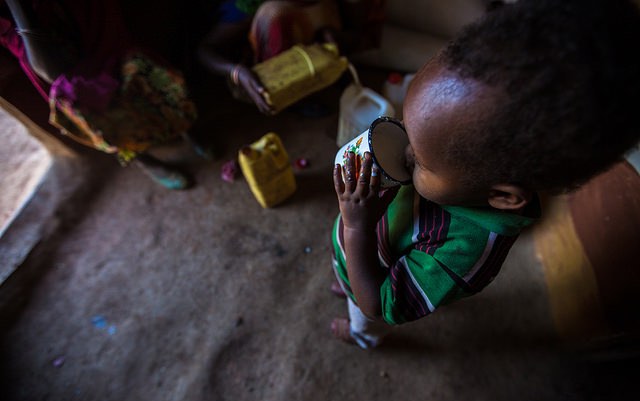
Animal-sourced foods are vital to combating malnutrition and stunting in the developing world
A diet rich in milk, eggs, and/or meats provides key nutrients during the crucial phase of life from six months to two years.
-
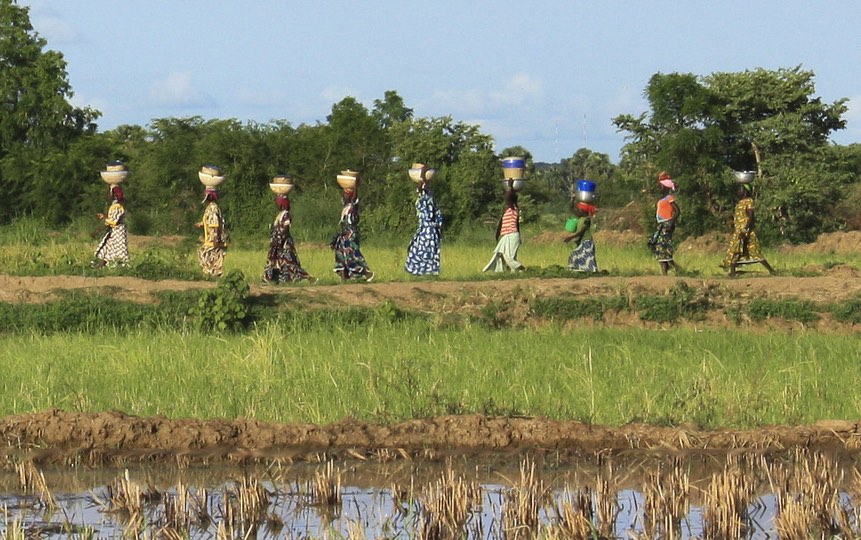
The SDGs on Zero Hunger and Clean Water and Sanitation can’t be achieved without each other, so where do we start?
Efforts to reach different Sustainable Development Goals may overlap or even conflict—so study the linkages between them.
-
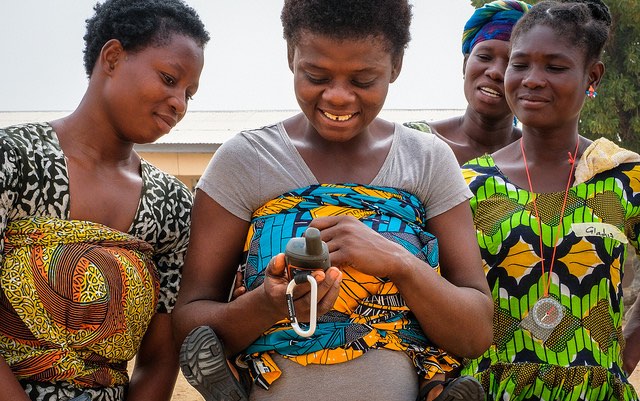
Where is the standardized measure of women’s empowerment?
A new study examines the gender dynamics of household decisions in Bangladesh and Ghana.
-
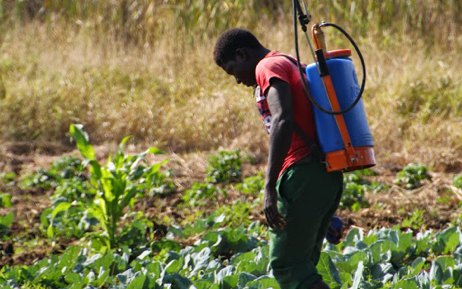
High pesticide use among smallholders in Africa south of the Sahara poses risks for health, environment
As demand for their crops rises, horticultural farmers in particular are employing hazardous pesticides. What can be done?
-
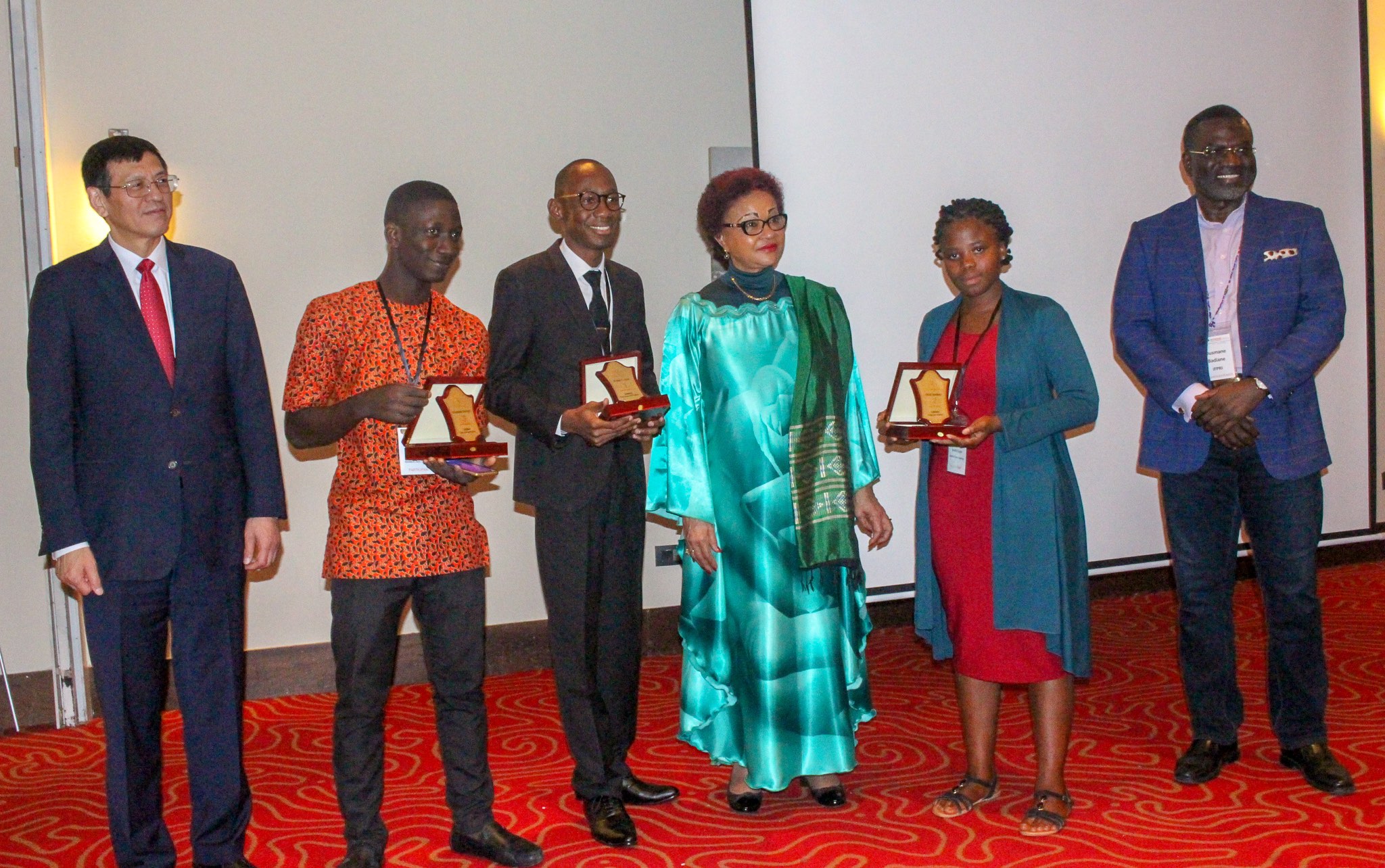
ReSAKSS Data Challenge winners illuminate Africa’s pressing problems
Competitors in a new annual contest devise creative tech solutions to focus attention on food security and environmental issues.
-
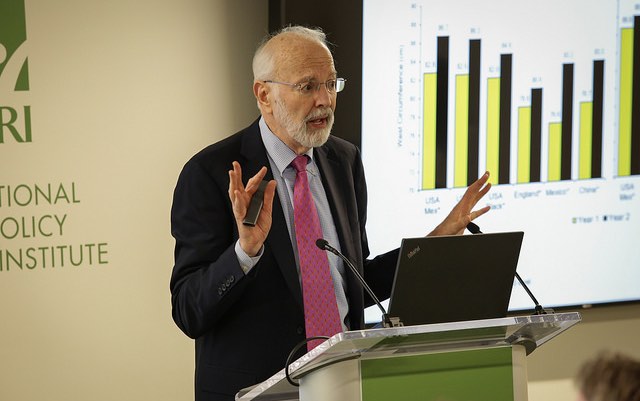
Forman Lecture: Barry Popkin on the growing global problem of junk food and sugary drinks
At the 28th annual Martin J. Forman lecture.
-

U.S. immigration policies may harm economies, worsen poverty in Central American countries
A model shows how large-scale deportations would create problems for El Salvador, Guatemala, and Honduras.
-
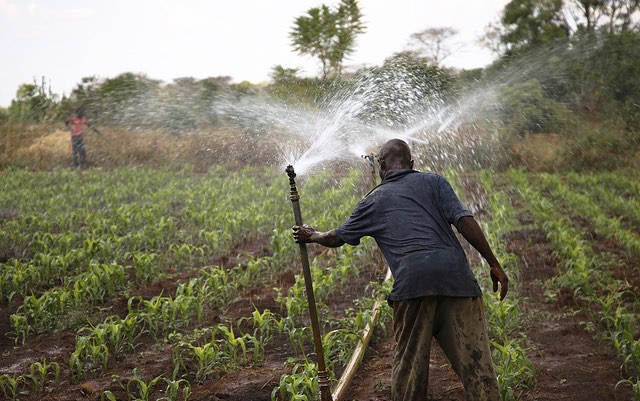
Overcoming the “paradox” of irrigation efficiency
Better irrigation technologies that should conserve water may lead to greater consumption—what to do?
-
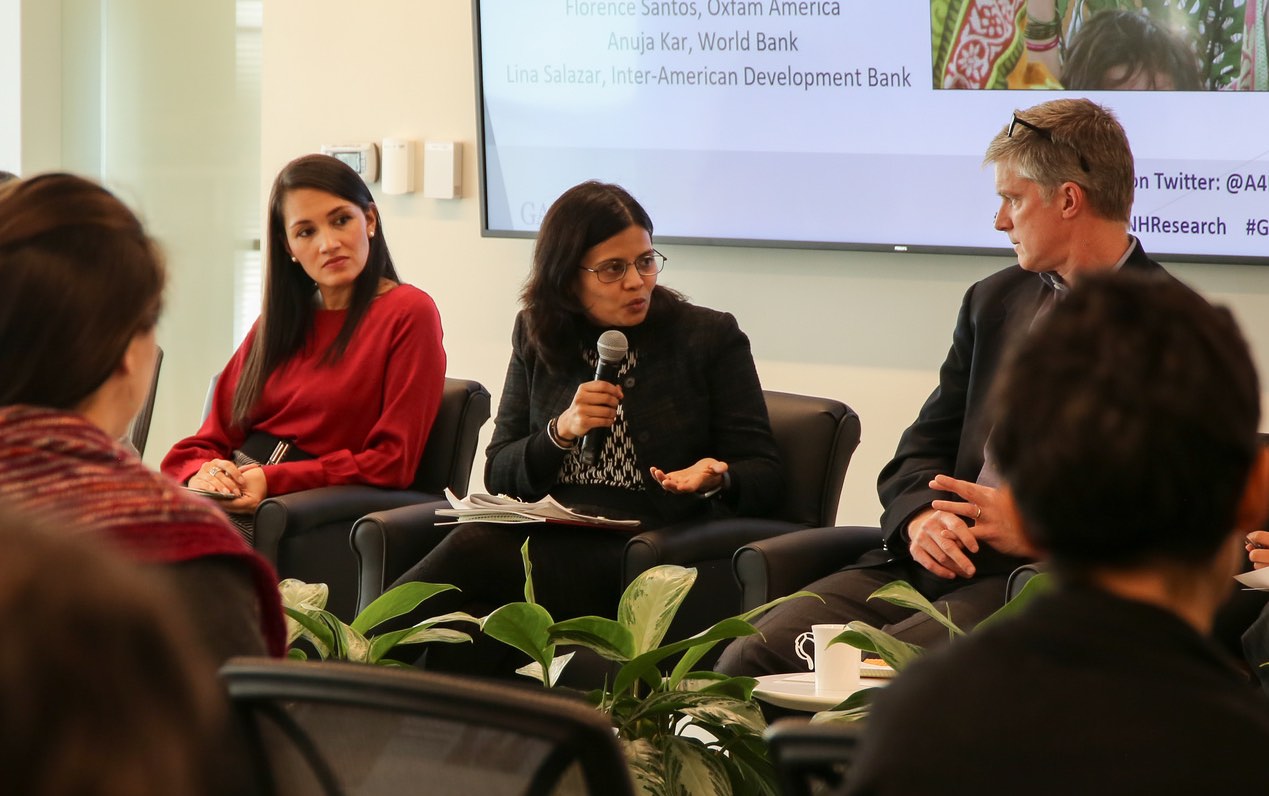
How two agricultural development projects boosted women’s empowerment
IFPRI's Women's Empowerment in Agriculture Index (WEAI) sheds light on how programs impact household gender dynamics.
-
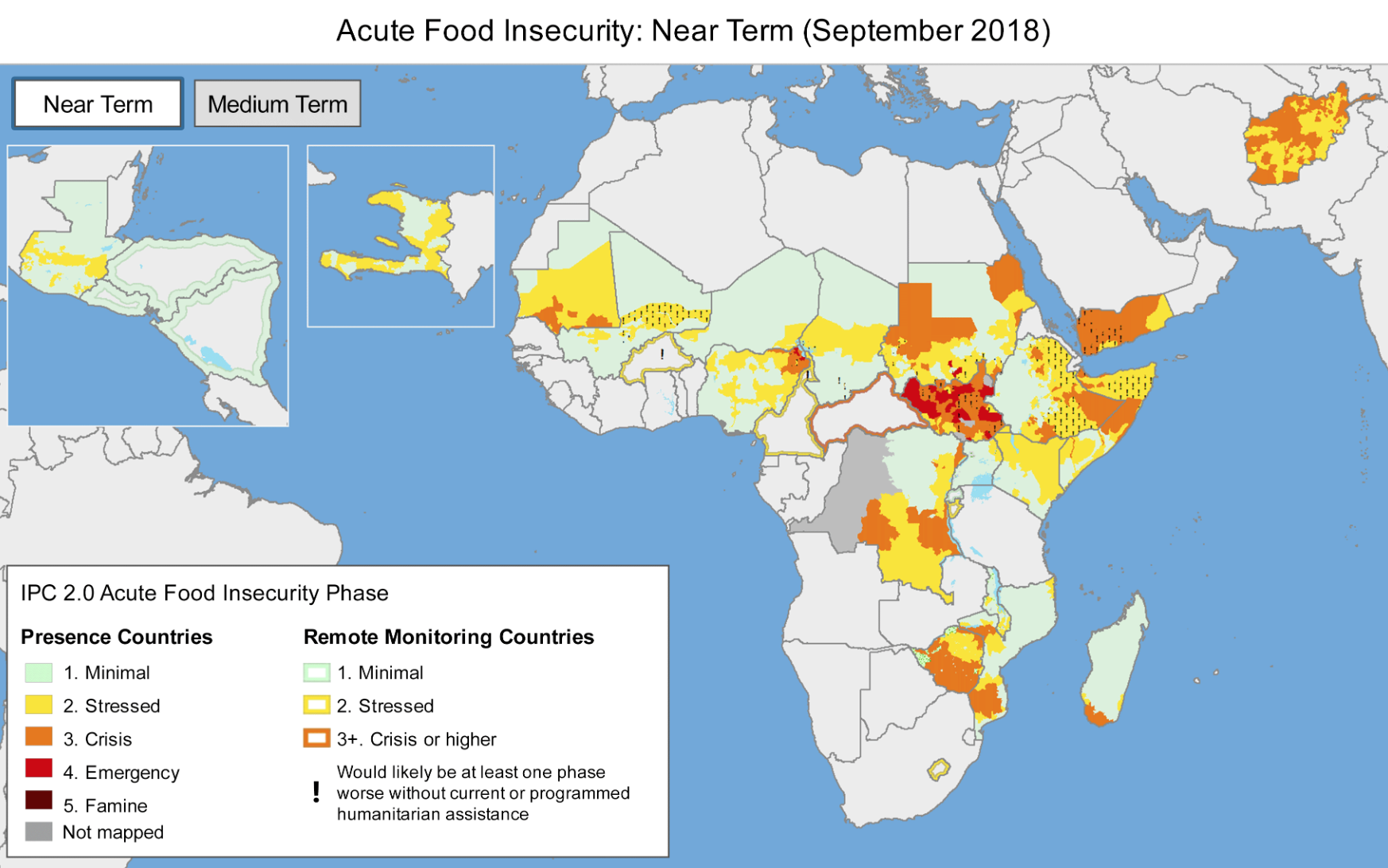
New review finds fundamental gaps and new opportunities for world’s agricultural monitoring systems
Global food security depends on the ability to monitor shifting developments in agriculture.
-
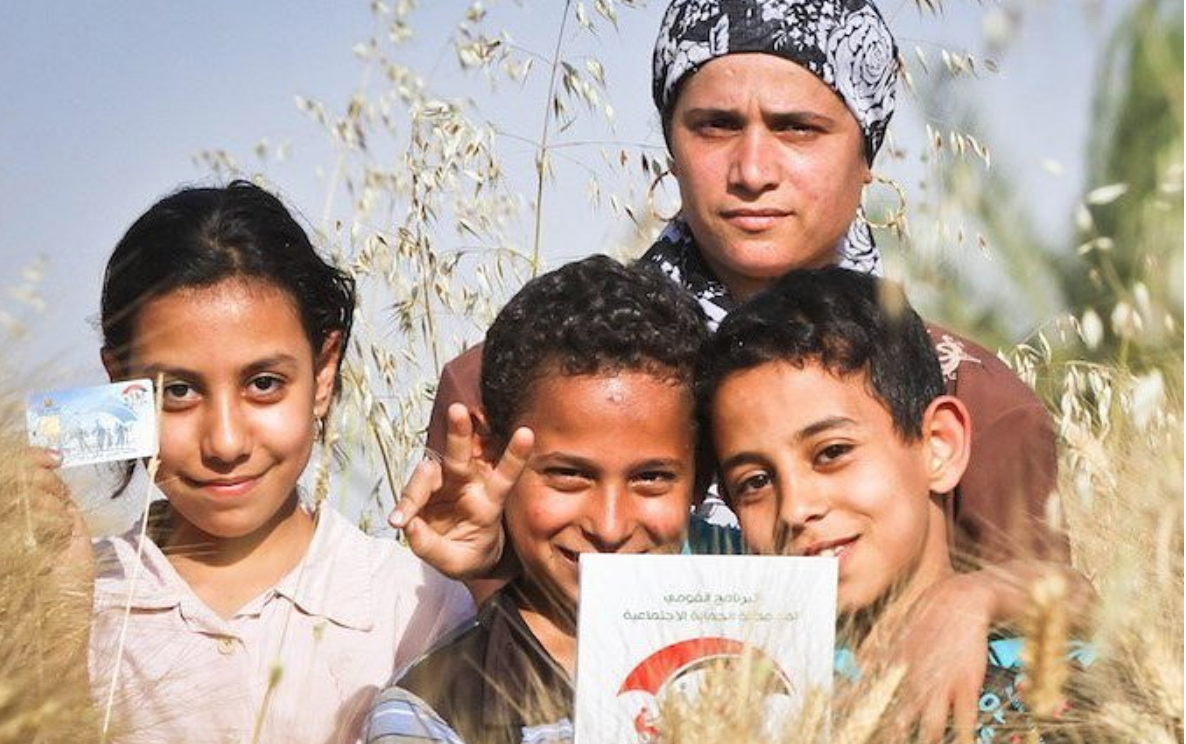
Evaluation finds successes for Egypt’s first conditional cash transfer program
The "Takaful and Karama" (Solidarity and Dignity) program is boosting household spending and improving various measures of well-being, IFPRI assessments show.
-
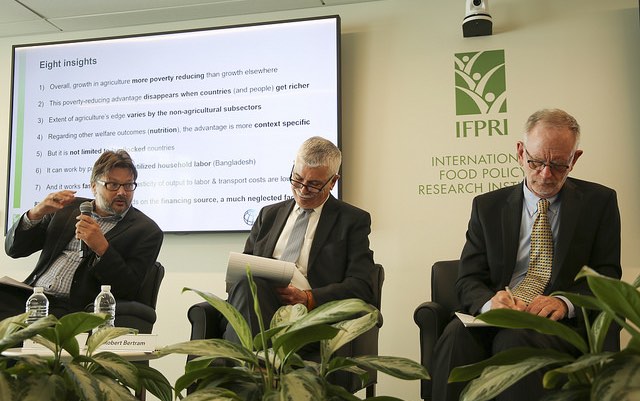
Policy seminar: Exploring agriculture’s key role in reducing poverty
Research consistently shows agricultural growth lifts people out of poverty – how is that relationship evolving, and how can policy makers build on it? A discussion.
-
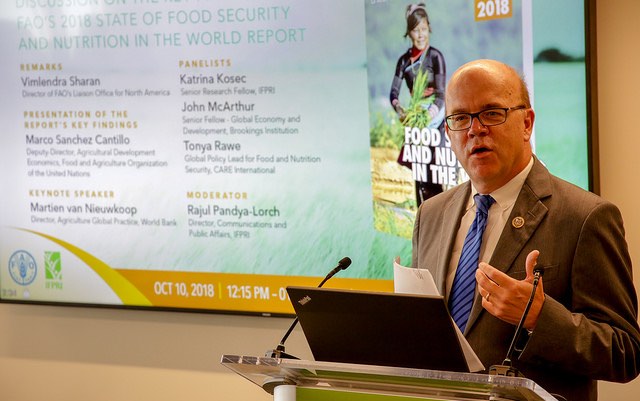
Policy seminar: FAO Food Security and Nutrition Report explores growing threats of climate change
As the fight against hunger has slowed, climate impacts are rising – a discussion.
-
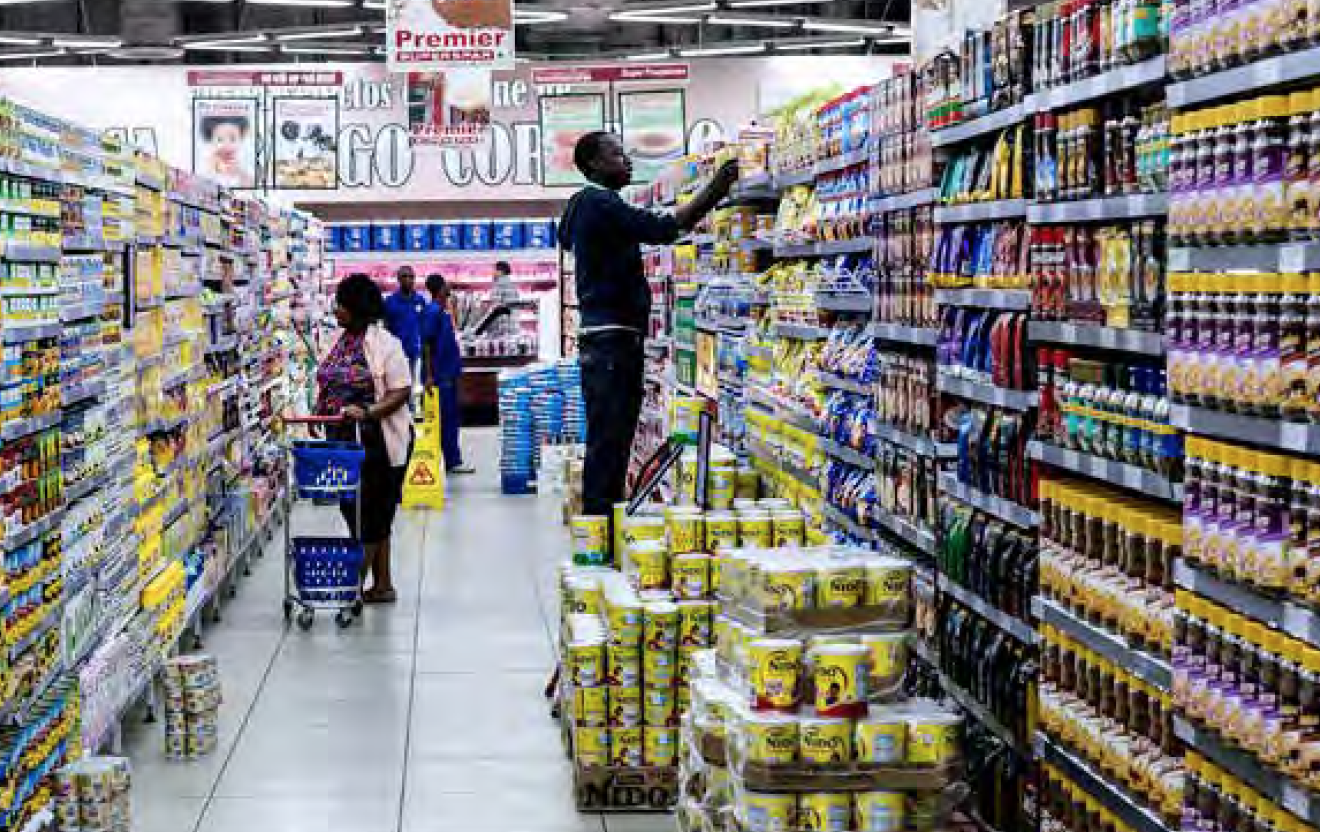
World Cities Day: Growing urban poor populations face unique nutrition challenges
As cities grow around the world, poor residents face mounting diet-related issues, including obesity.
-
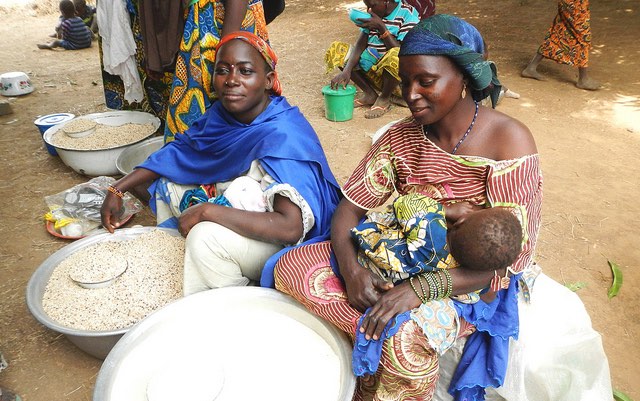
Design features of successful social protection programs
Effective assistance for the poor requires carefully structured, targeted programs sensitive to local conditions.
-
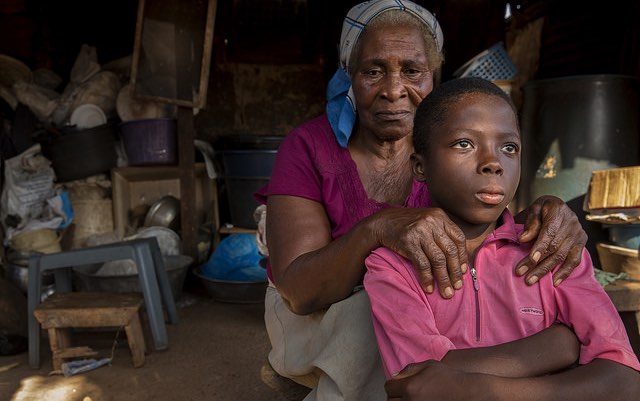
Social protection for the extreme poor: What works?
Research casts light on which forms of antipoverty programs deliver the most impact for the optimal cost.
-

The Emperor’s new NAFTA
The new trade agreement between the Canada, Mexico, and the United States looks a lot like its predecessor.
-
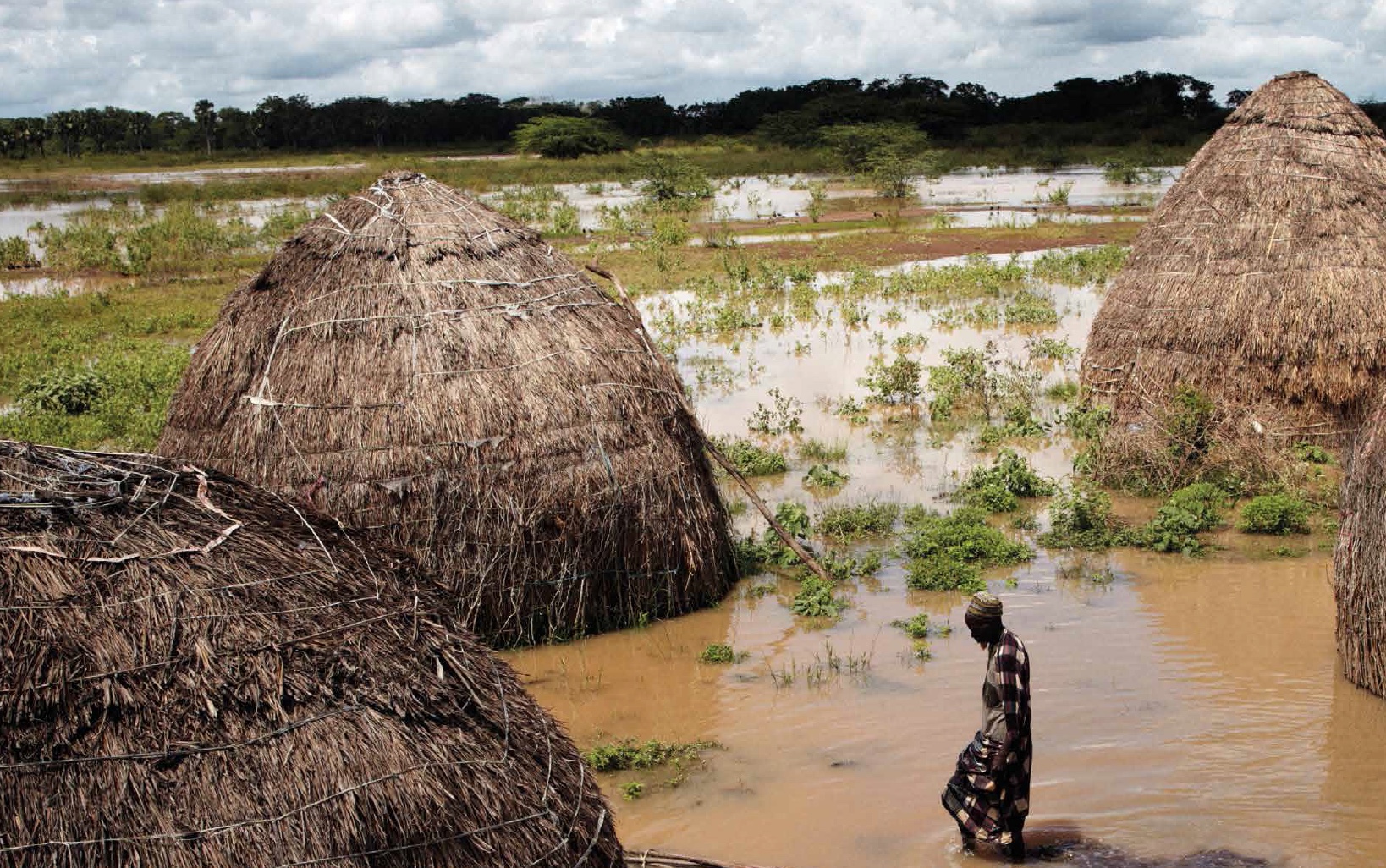
The role of cash transfers in building household resilience
With agriculture in Africa facing many economic and climate uncertainties, cash transfers can help smallholders weather potential shocks.
-
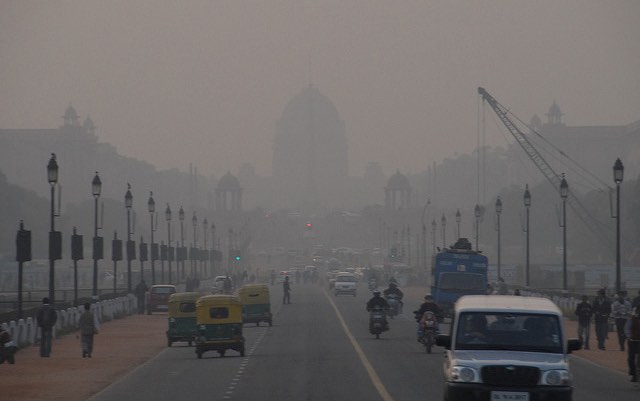
Time to act: Air pollution is damaging our brains as well as our lungs
A new study reveals alarming risks from smog.
-

Policy seminar: Past, present, and future of the commons
Commons—resources held collectively—are key to livelihoods around the world, but their preservation poses serious management challenges: A discussion.
-
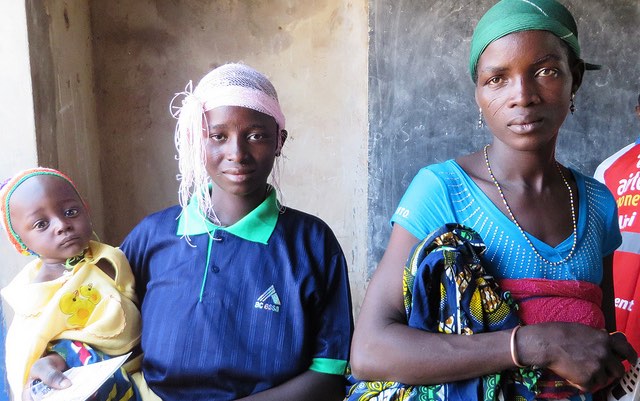
The future of social protection in Africa
How well-designed support programs can contribute to agricultural and economic growth.
-
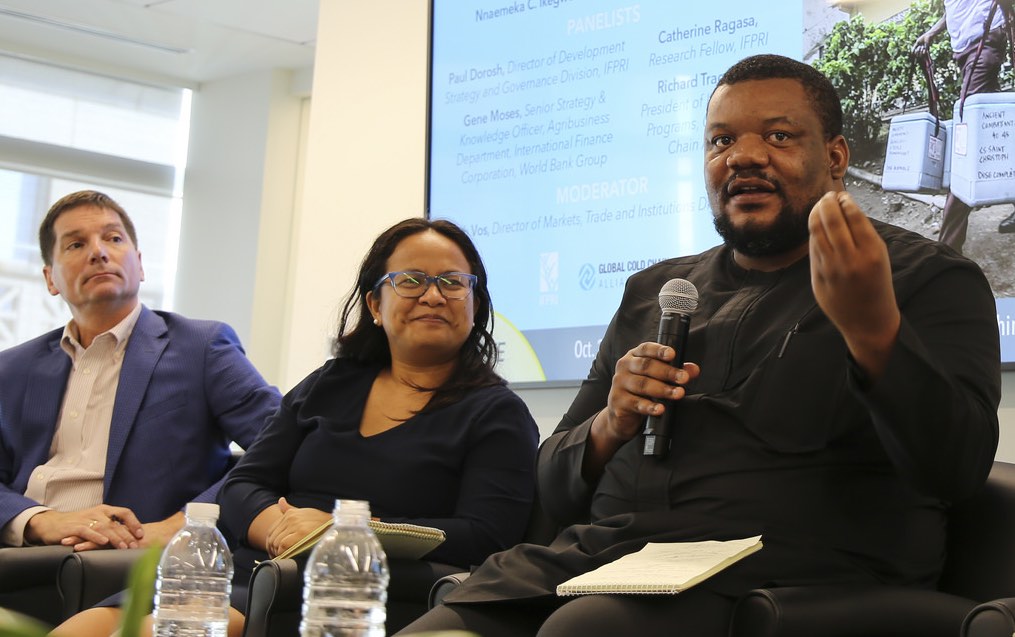
Policy seminar: Extending cold chains with solar power in Nigeria
ColdHubs offers an affordable solution to the problem of food spoilage for producers and sellers.
-
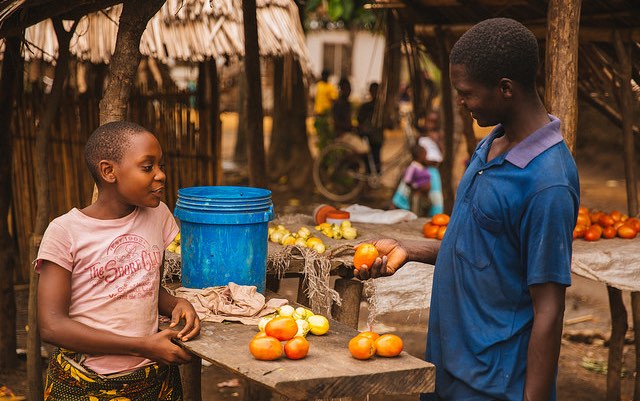
Overcoming the roadblocks to ending poverty
On the International Day for the Eradication of Poverty, a look at IFPRI's recent work focusing on the poor, agriculture, and gender.
-
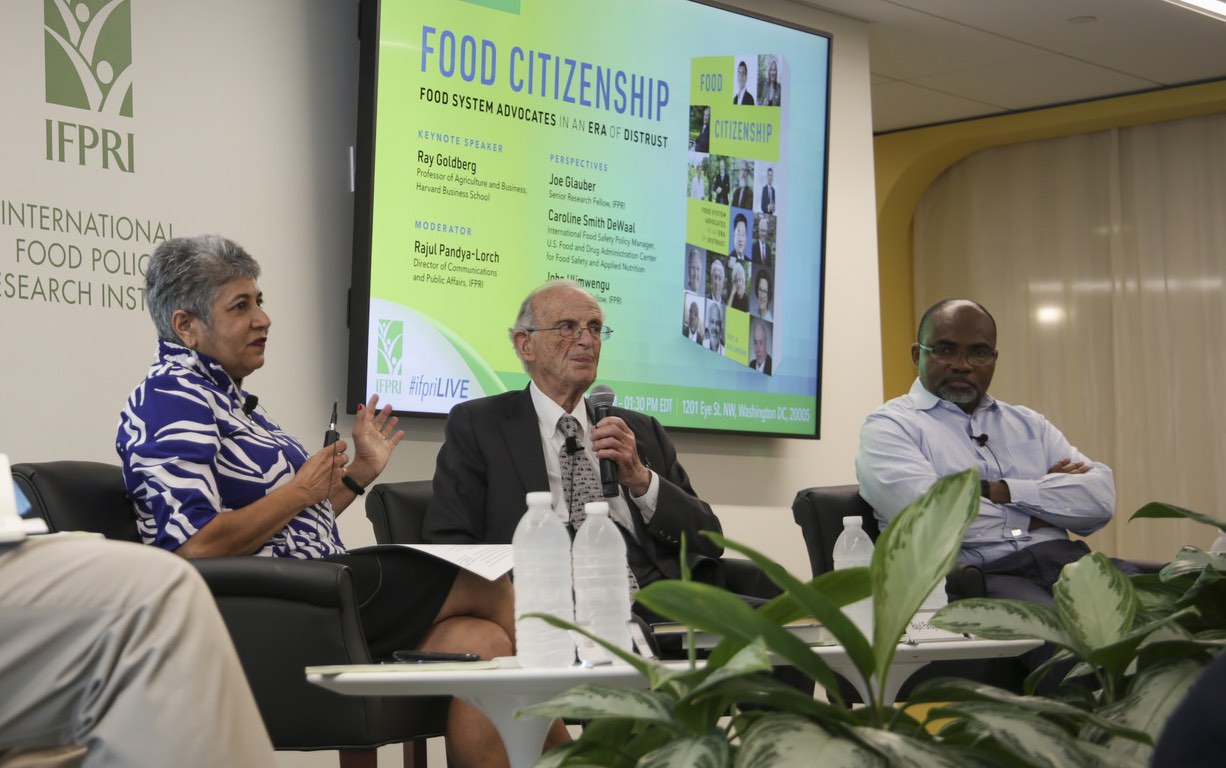
Book launch: Meet the people bringing change to the global food system
Food Citizenship, a new book by Ray Goldberg of Harvard Business School, interviews the leaders driving change and forming crucial partnerships around food.
-
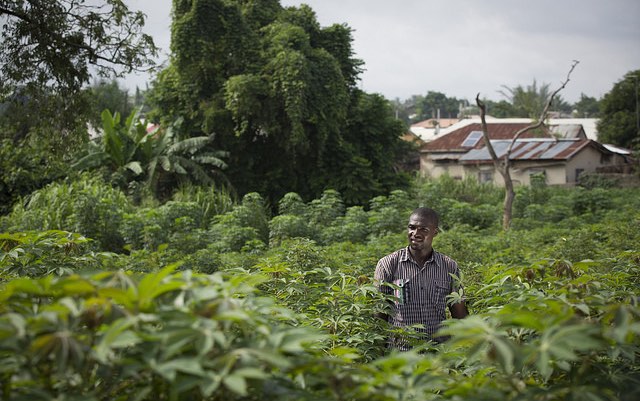
World Food Day: Innovations are imperative to ending hunger and malnutrition
A sustainable and healthy food future to end hunger and malnutrition requires innovative technologies, policies, and institutions.
-
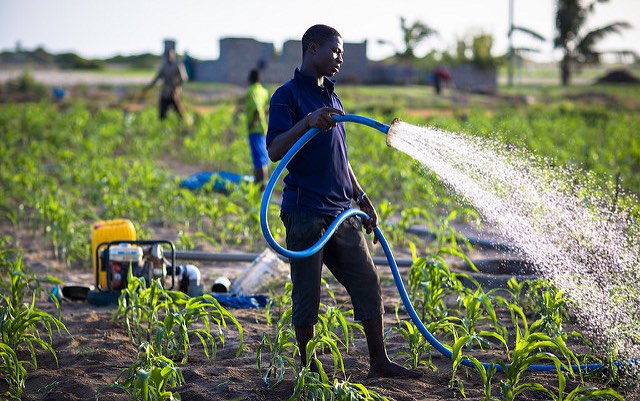
How gender shapes responses to climate change: New tools for measuring rural women’s empowerment
To mark Int'l Day of Rural Women, a look at applications of the IFPRI-led project-level Women's Empowerment in Agriculture Index (Pro-WEAI).
-
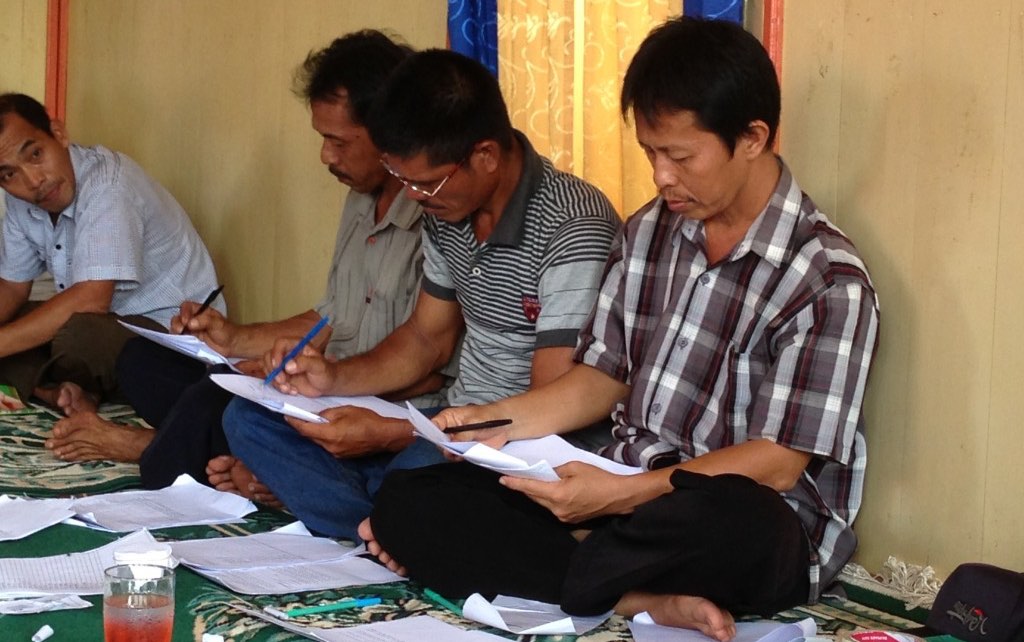
Competitive outsourcing to private contractors can improve public service delivery
A new study shows benefits from a bidding process for Indonesia's subsidized rice distribution program.
-
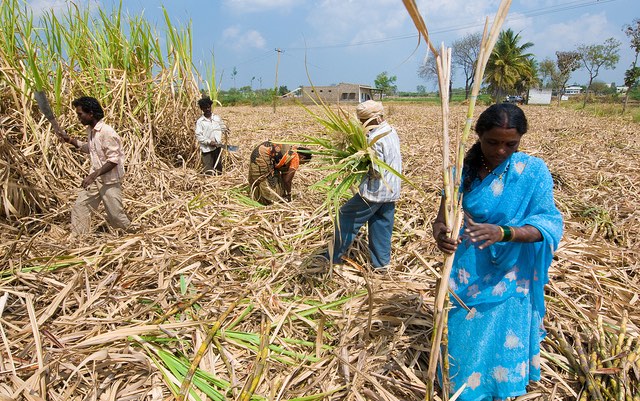
Charting the future of India’s sugar industry
Can an ethanol program modeled on Brazil's provide a way out of the industry's current economic straits?
-
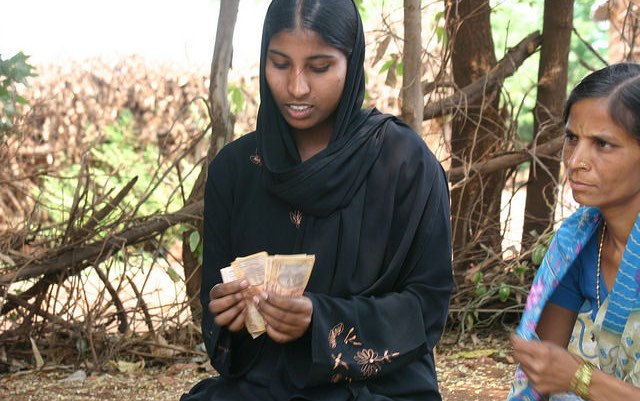
Model offers new approach to account for intangible factors driving microfinance group loan performance
A paper offers important new data points on group loans.
-
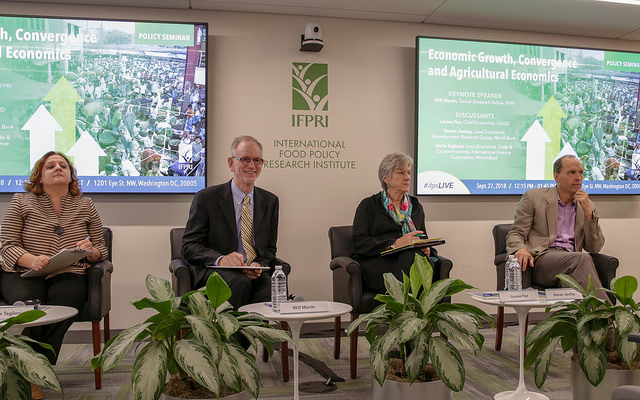
Policy seminar: Exploring the key role of agriculture in developing country growth
What accounts for the explosive growth of some developing countries over the past 25 years, and what are the implications for agriculture and food security? A discussion.
-
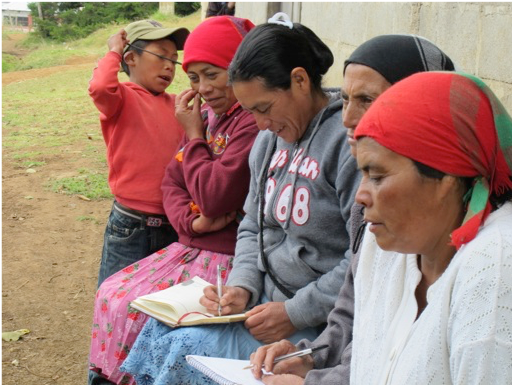
Innovative scorecard system helps to better allocate poverty program investments
A new approach helps potential funders weigh the financial risks and on-the-ground benefits of anti-poverty programs.
-
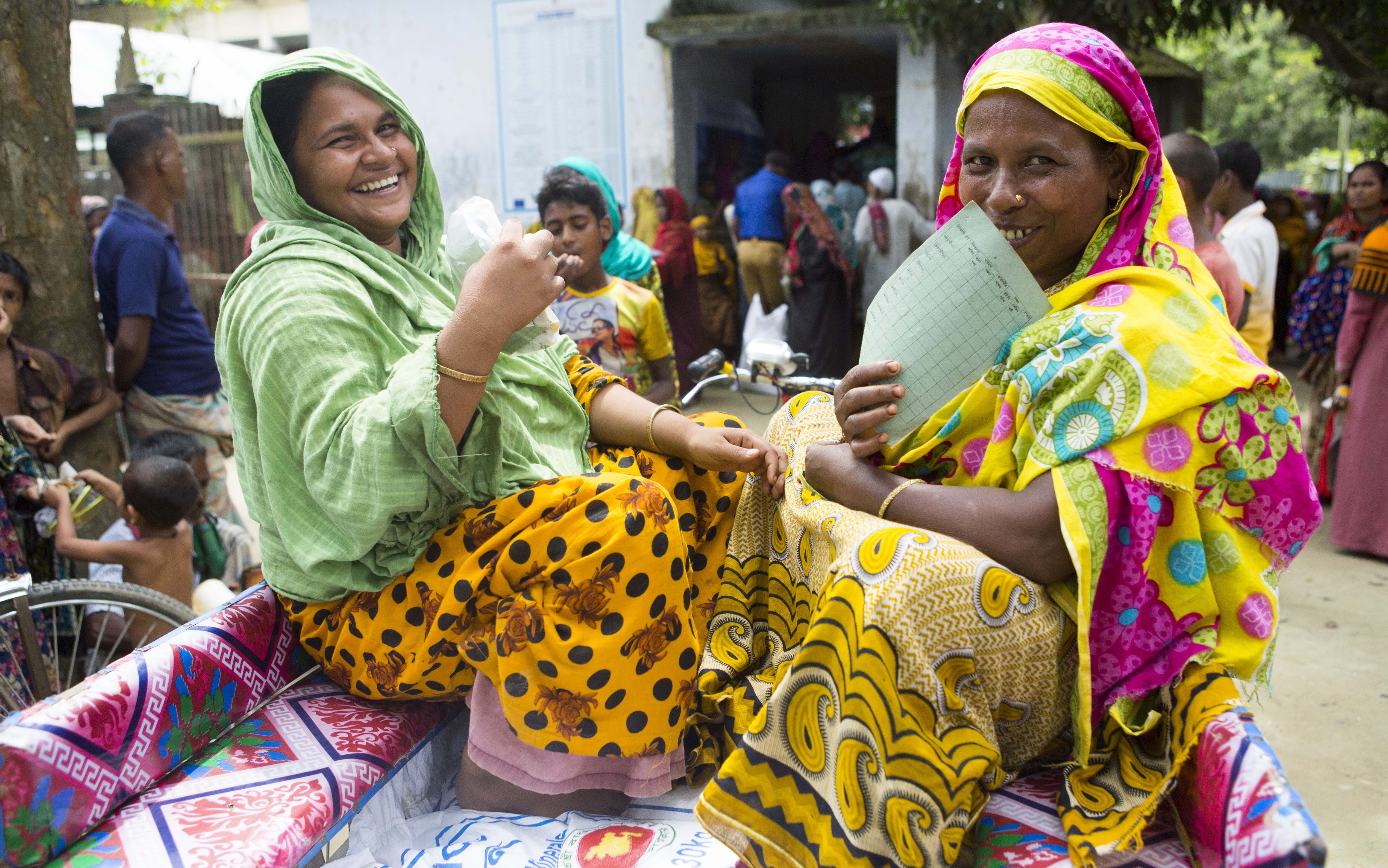
A bureaucratic catch-22: Study in Bangladesh shows how safety nets can overlook the poorest
An IFPRI analysis identifies flaws in criteria used to target the poorest aid recipients and recommends new standards.
-
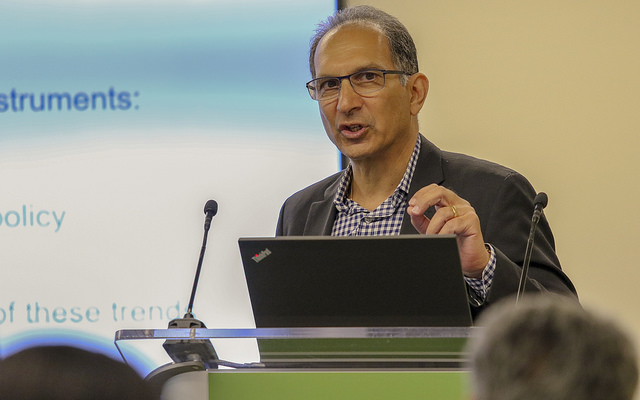
IFPRI Research Day: Brookings’ Homi Kharas on overcoming obstacles to meeting the SDGs
Addressing troubling emerging challenges to the global development agenda.
-
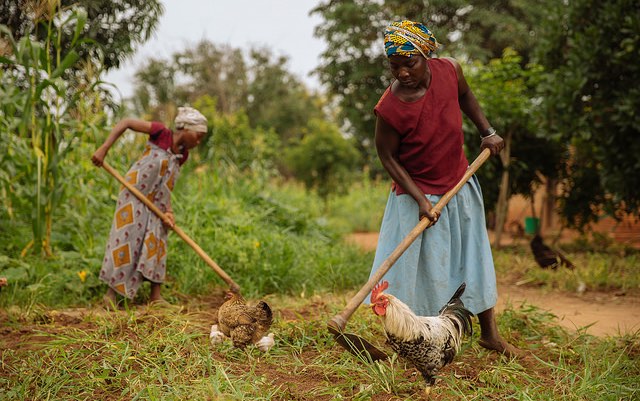
IFPRI report: How China and Africa can promote cooperation in agricultural modernization
Charting a path for a partnership key to alleviating African poverty.
-
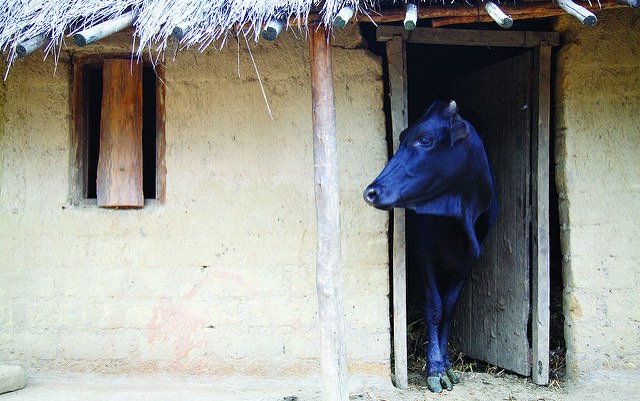
IFPRI, ILRI leaders: Sustainable small-scale livestock farming is essential to meeting the 21st-century’s protein needs
Why "living animal assets" must be at the center of the food security agenda.
-
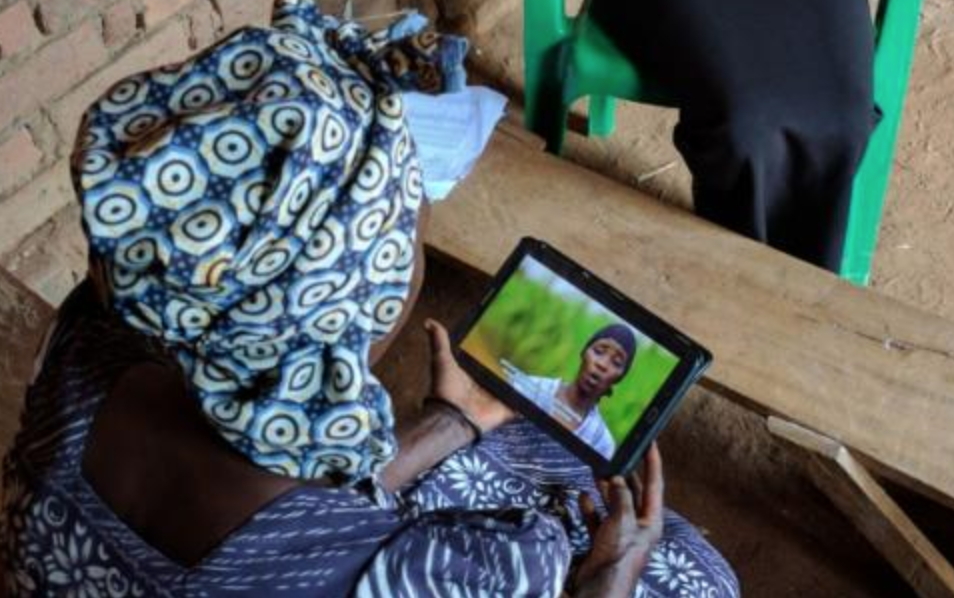
Designing for gender inclusivity in video-enabled agricultural extension
Using videos to examine how gender influences the communication of agricultural extension messages in Uganda.
-
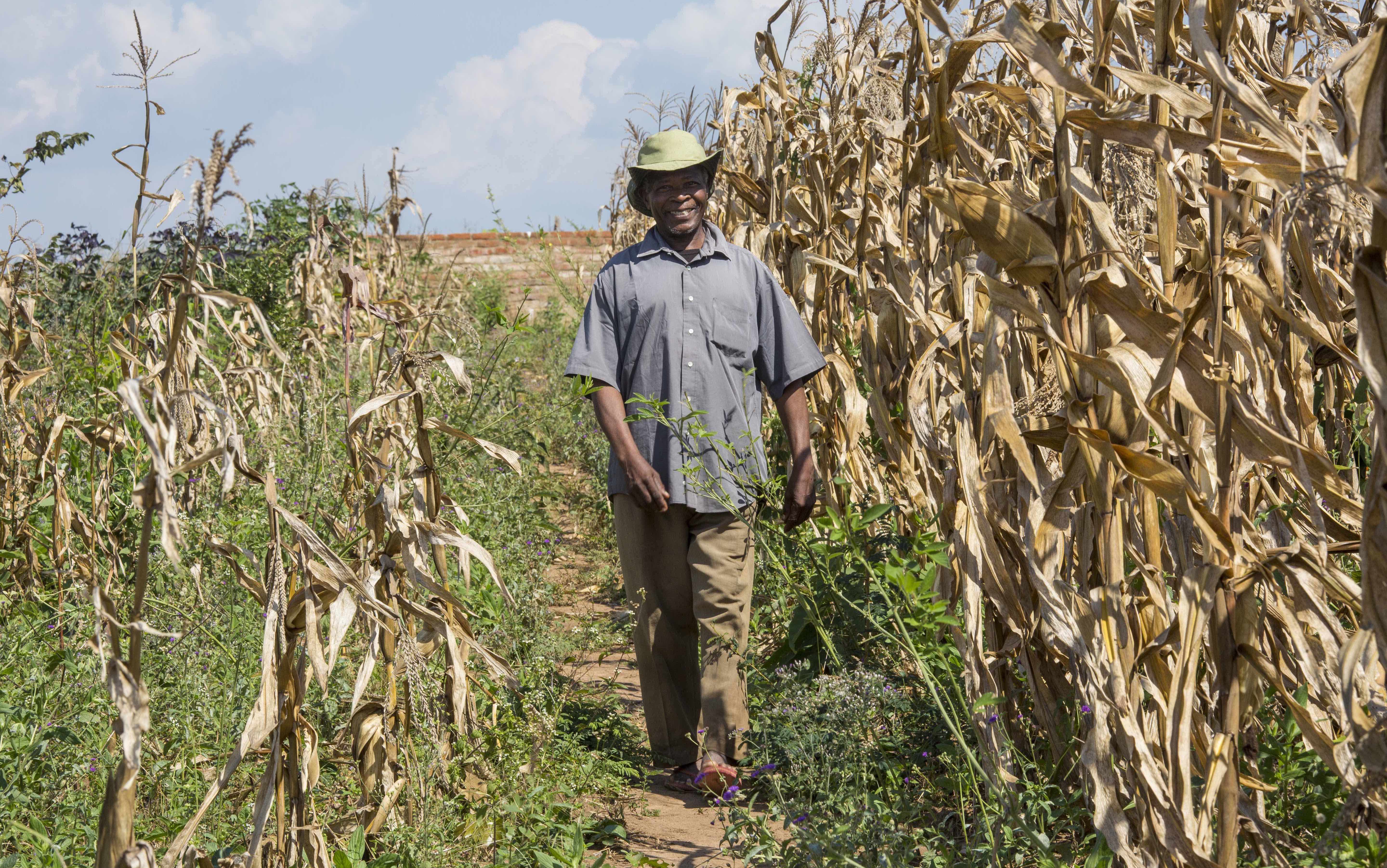
Sharing China’s agricultural experience to help solve Africa’s development challenges
Bill & Melinda Gates Foundation China Director Yinuo Li writes on the promise of China-Africa partnerships for the continent's agricultural development.
-
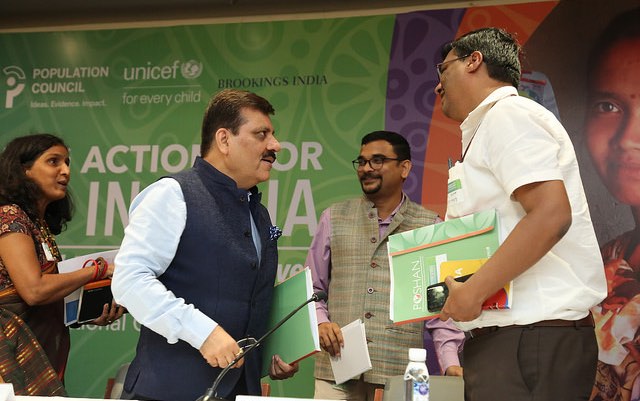
Creating a data-focused environment to address India’s nutritional challenges
A conference explores the latest insights from the National Family Health Survey.
-

Swapping pesticides for beetles could put money in farmers’ pockets
Cutting chemical pesticide use and relying on ladybird beetles to kill aphids can yield concrete benefits for Chinese cotton farmers.
-
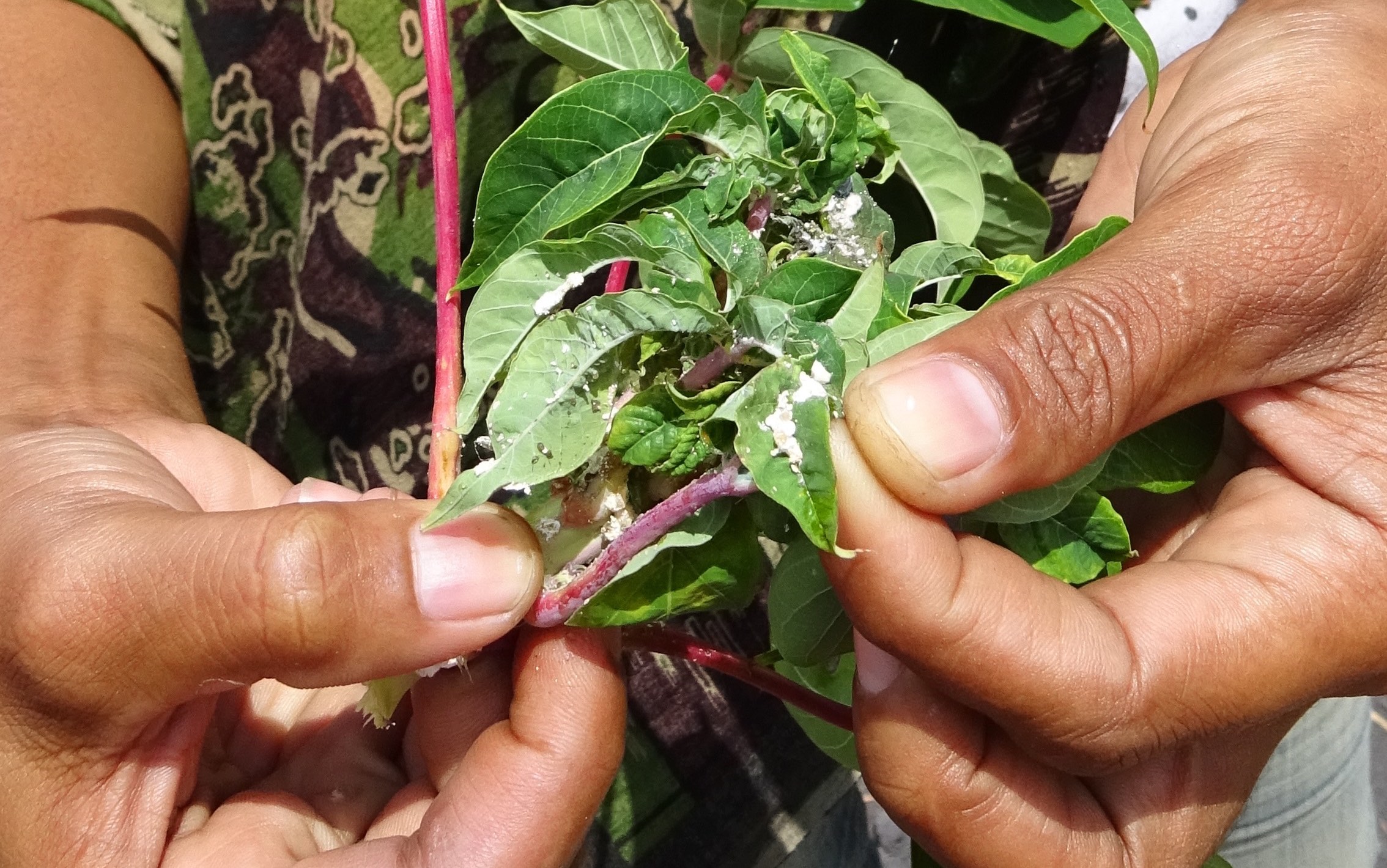
Tiny pest-killing wasps for Asia’s cassava crop ease anxieties on the Chicago Mercantile Exchange
A natural pest control application yields positive economic results for farmers, consumers—and global markets, a new study shows.
-
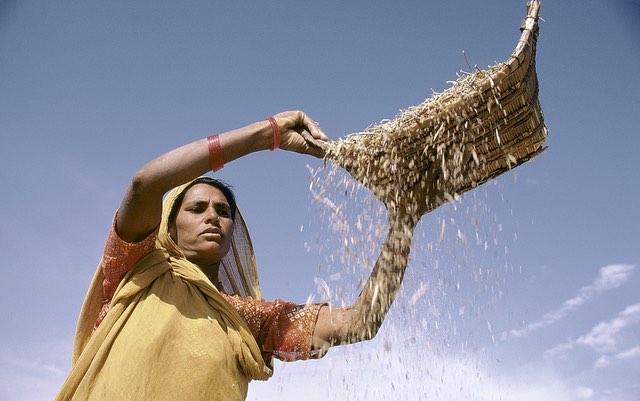
Global trends in agricultural incentives affecting producers, consumers
Data from Ag-Incentives Consortium shows the aggregated effects of government policies on prices.
-
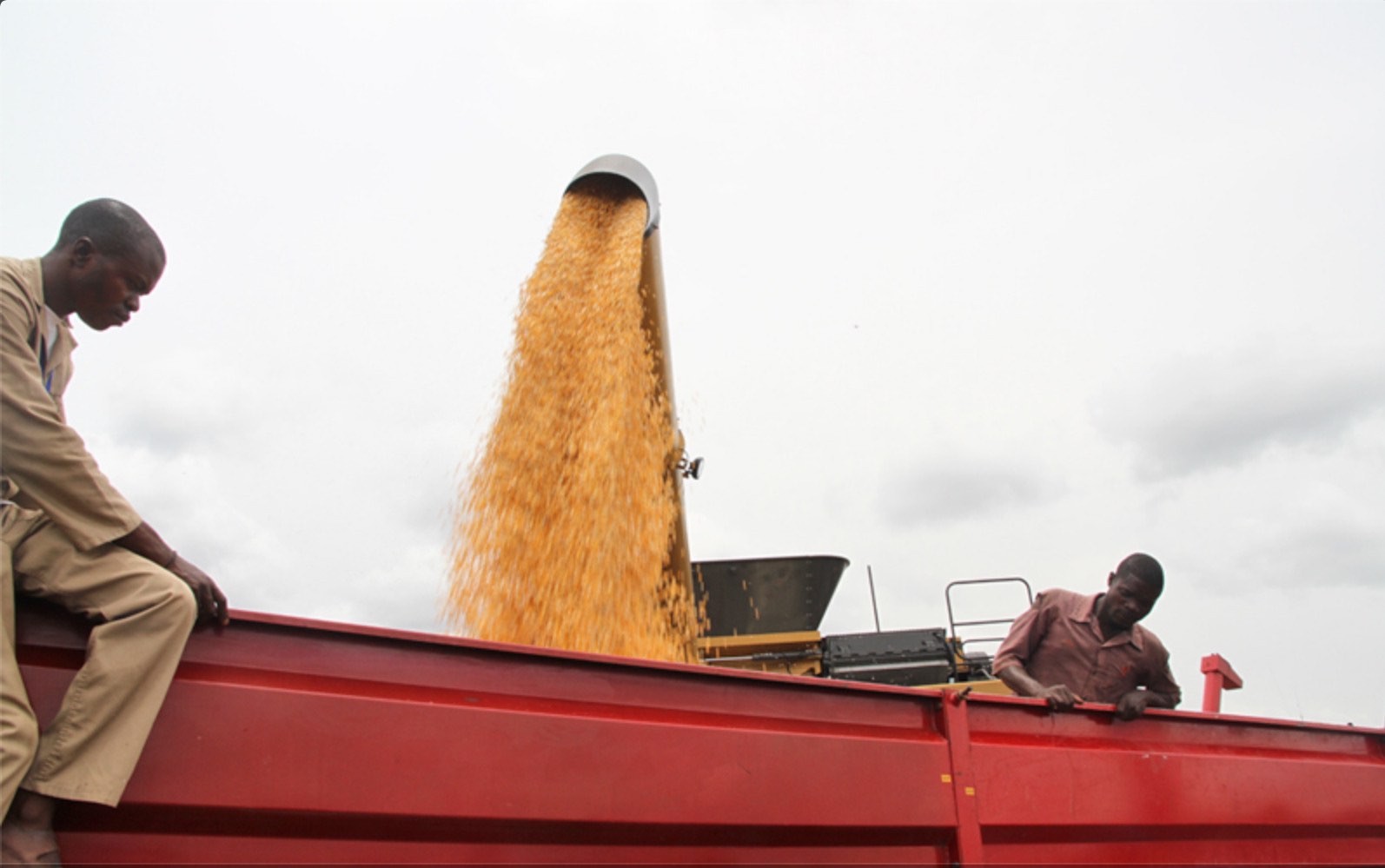
Congo’s new agro-industrial park isn’t perfect, but deserves a chance to grow
An ambitious project to build food security has run into some problems, but is still in its early phases.
-
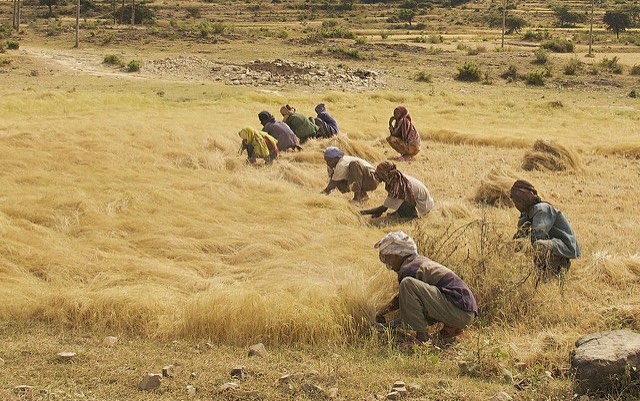
Teff love: Ethiopia’s staple crop requires a big push
A new book explores the potential for expanding production of one of Ethiopia's signature crops.
-
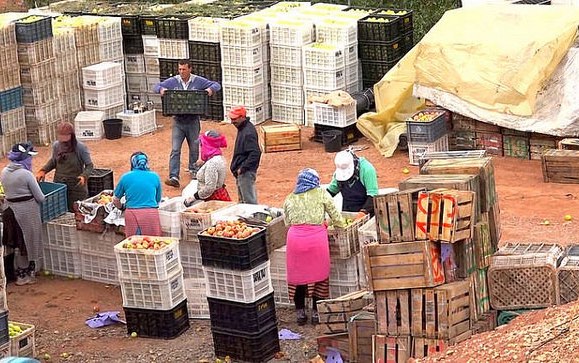
Unlocking the potential for agricultural development in the Middle East and North Africa
A new IFPRI report outlines policy approaches to reform and boost the MENA region's agriculture and food systems.
-
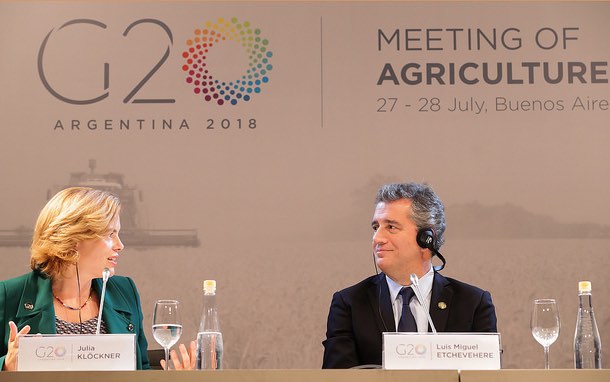
G20 Agriculture Ministers commit to collaborate on healthy, sustainable food future
Committing to work toward ending hunger, promoting sustainable agriculture, and ensuring a sustainable food future for all.
-
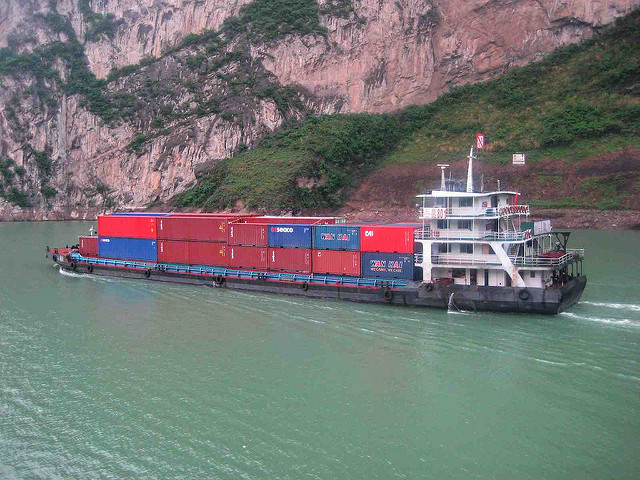
Trade conflict is a lose-lose game
Unless the US-China conflicts are resolved, there will be major lose-lose outcomes for both parties–and for agricultural markets across the world.
-
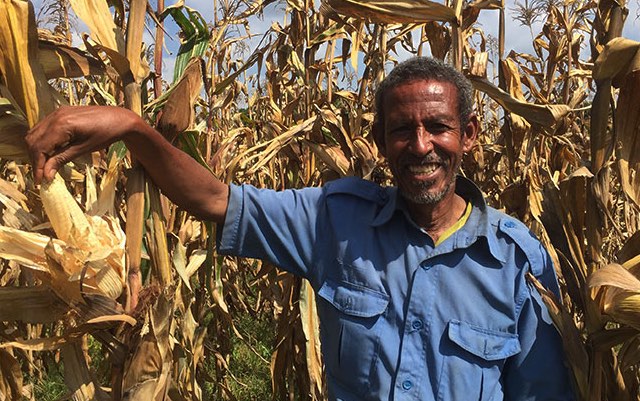
When saying ‘see, it works!’ isn’t enough: Sharing results from an evaluation of video-mediated extension in Ethiopia
Inside an IFPRI evaluation of an innovative extension program.
-
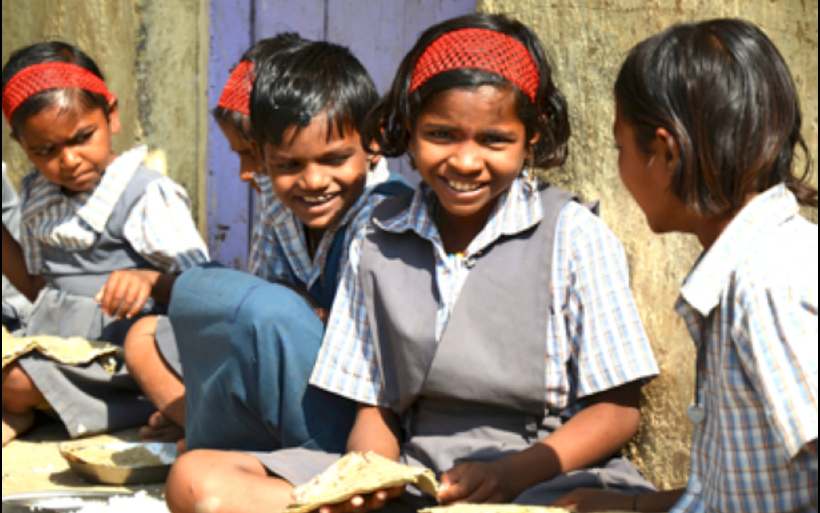
How and why iron-biofortified pearl millet improves cognitive function: A look inside a new study
Exploring how a biofortified crop works inside the body to boost brain function.
-
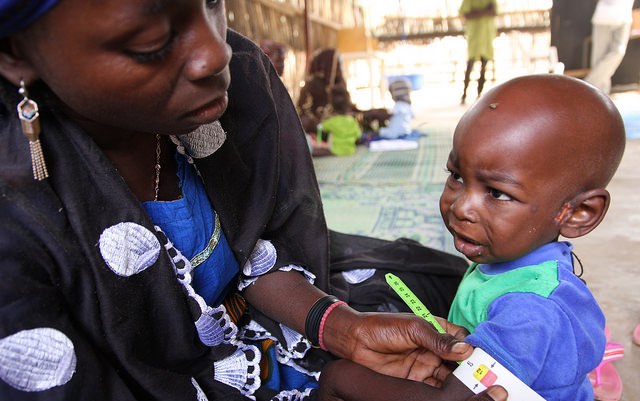
Interview: Unpacking integrated nutrition with IFPRI’s Harold Alderman
Exploring the interconnections between poverty, nutrition, early child development, and public health.
-
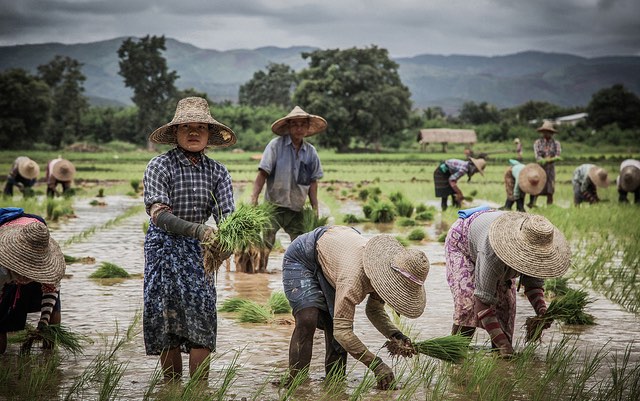
How countries can achieve nutrition goals through the food system approach
To have an impact, different sectors and government ministries must come together on nutrition policy and implementation.
-
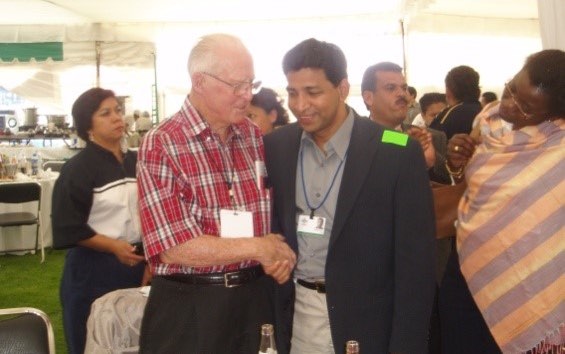
‘Don’t sit in the AC room and write policies; work with farmers and get your hands dirty’
IFPRI's head of capacity strengthening recalls advice from Nobel Peace Prize winner Norman Borlaug that guided his career.
-
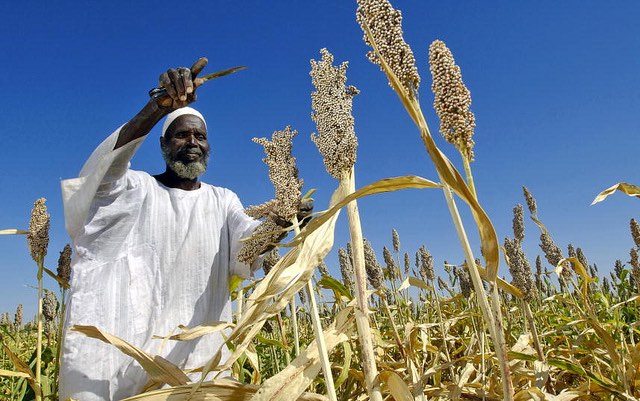
Five new insights on how agriculture can help reduce poverty
Growth in agriculture is 2-3 times more effective at reducing poverty than an equivalent amount of growth generated in other sectors.
-
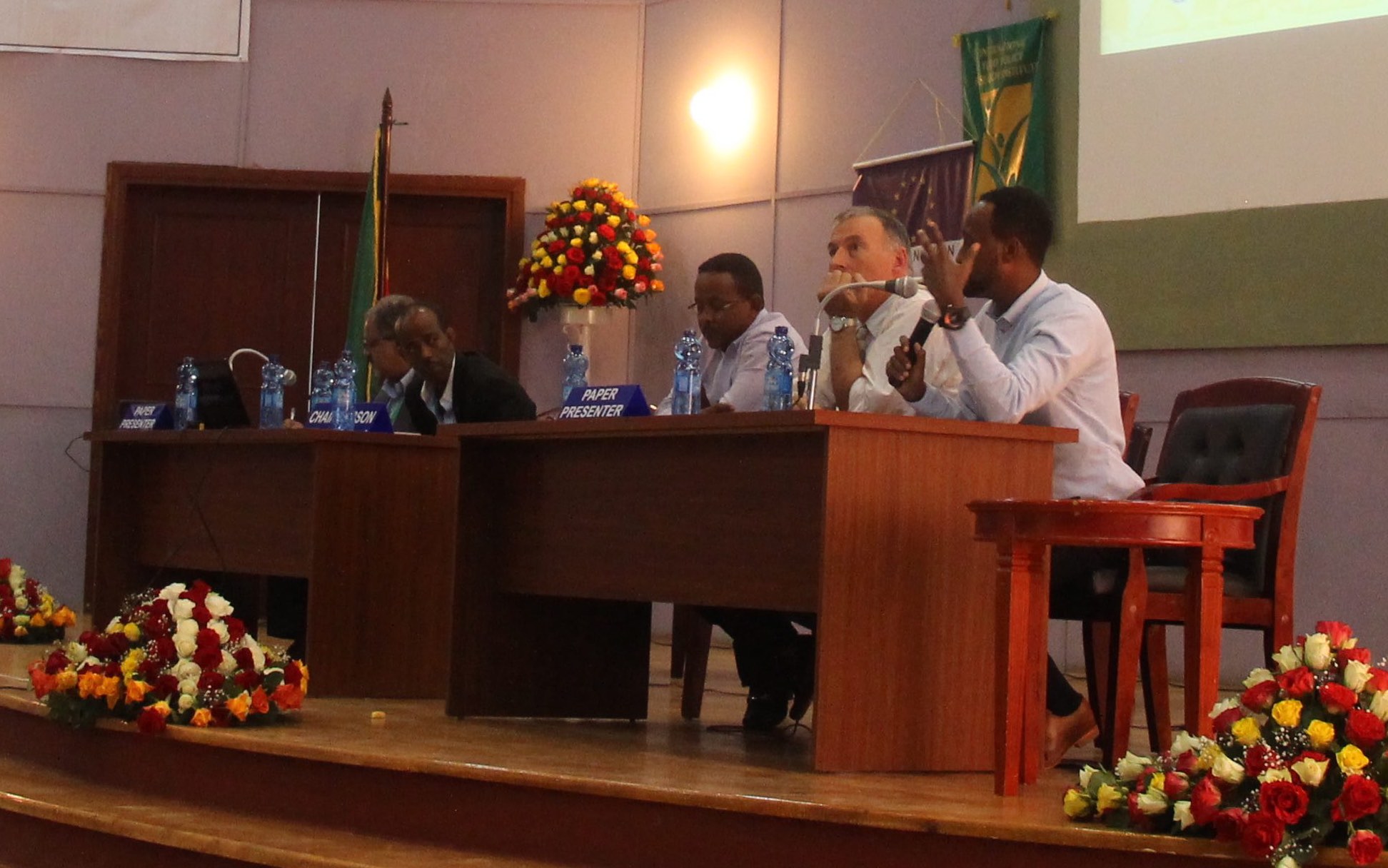
Book launch: Exploring the importance of teff to Ethiopia’s economy
A new book is the first to comprehensively examine the key role of a sometimes overlooked crop.
-
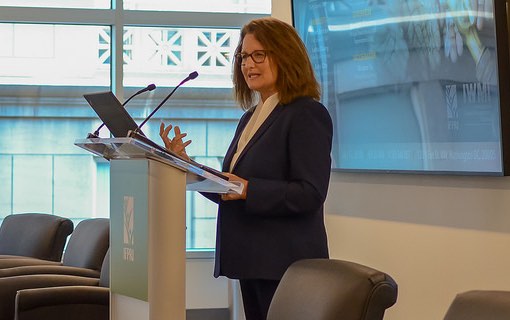
Policy seminar: As IWMI opens its U.S. office, a look at the challenges of achieving global water security
Why the world is overdue for a paradigm shift in water management.
-
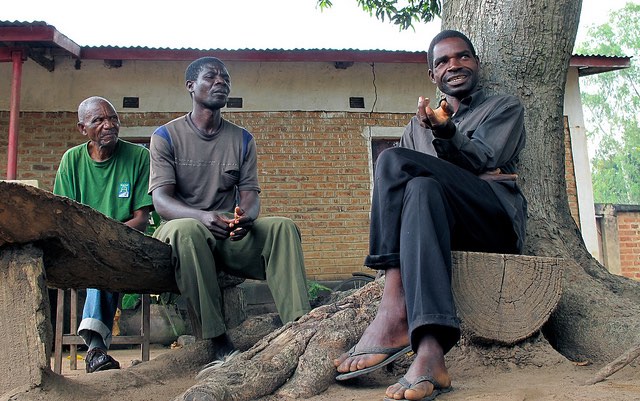
How extension services can complement input subsidies to boost productivity and food security in Malawi
Without support from robust agricultural extension services, farm subsidies may go to waste, research shows.
-
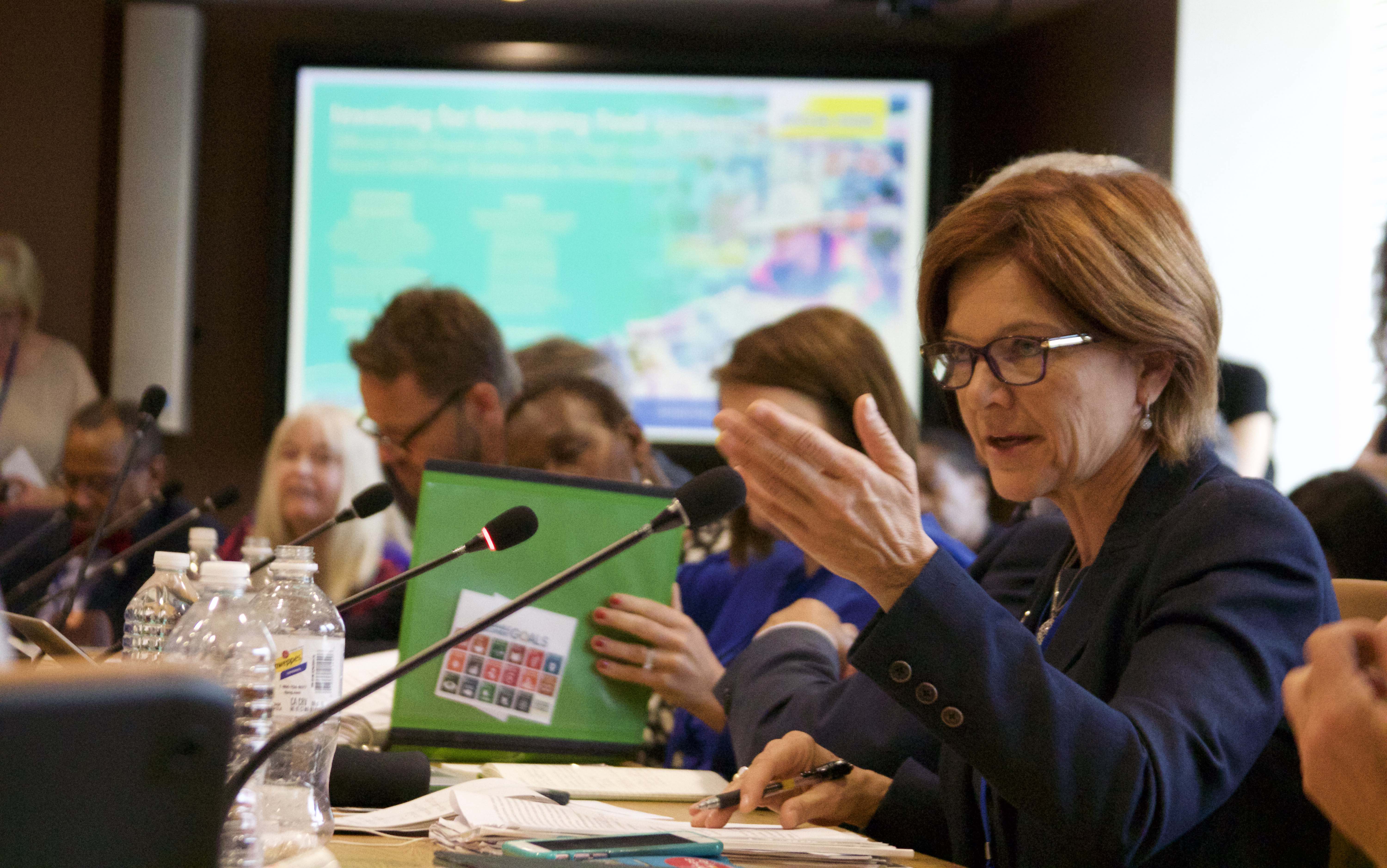
HLPF panel: Countries must act now to reshape global food systems, achieve SDGs
Hunger and malnutrition are on the rise. Strong political leadership and targeted investments are needed to put food systems back on track – a discussion.
-
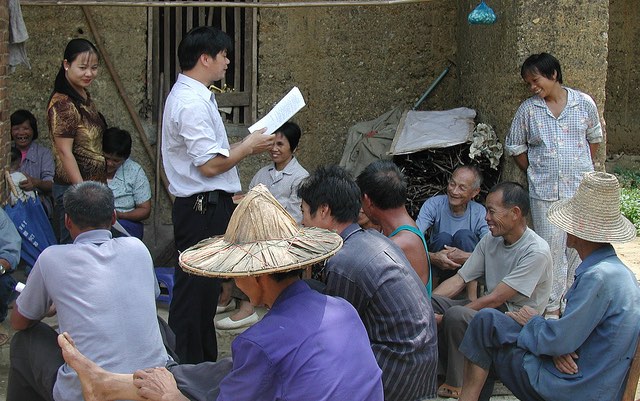
Targeting public investment to revitalize rural areas is key to address emerging global challenges
China's public investments in rural development yield broad economic and social benefits, research shows, pointing the way for other countries.
-
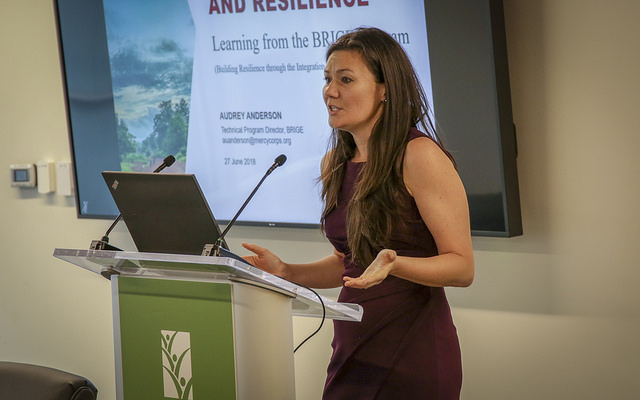
Policy seminar: Building resilience by fostering gender equity at the household level
Resilience and sustainability begin in the home, where development programs must address gender and decision making – a discussion.
-
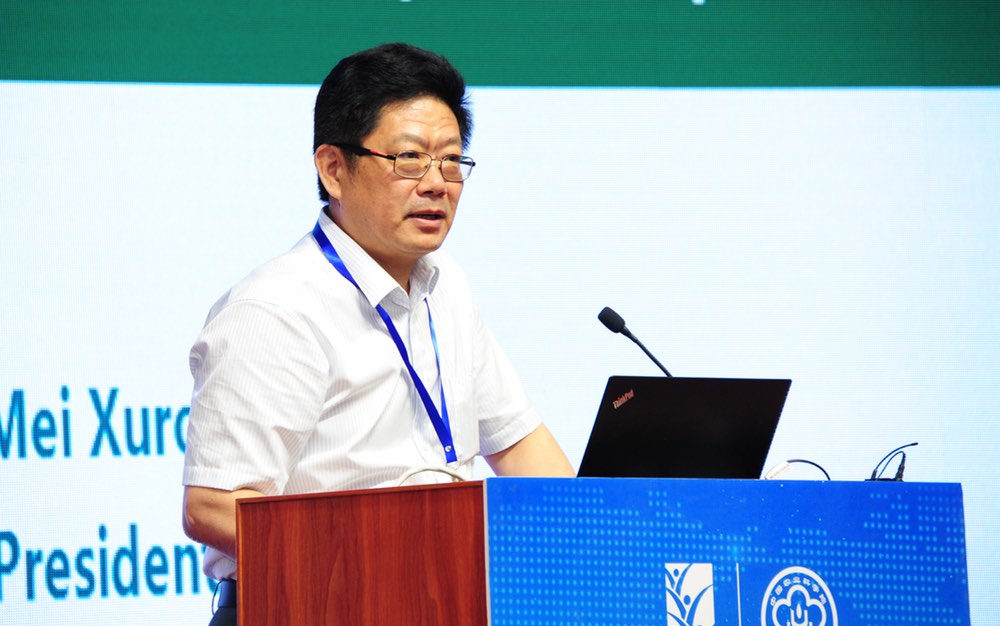
2018 GFPR & CASDR Beijing Launch: China provides valuable lessons in food security and agricultural development
Two new reports address China's agricultural growth and looming trade challenges.
-
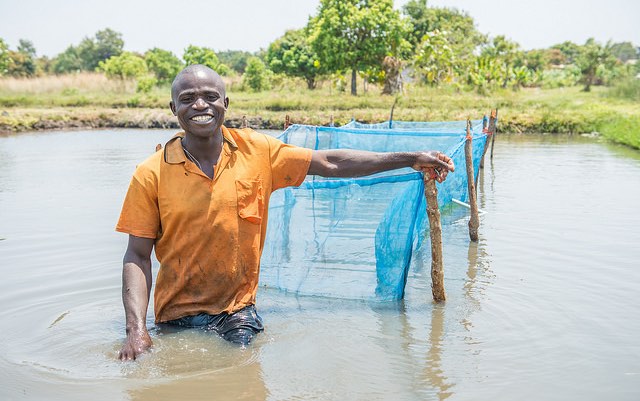
Reassessing the aid-policy-growth relationship: A new approach
A new model shows the relationships between development aid, a country's policies, and economic growth are more complex than commonly assumed.
-
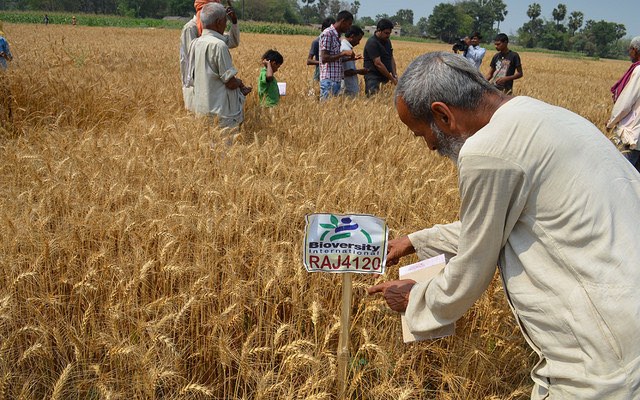
Why farmers in India adopt certain technologies but ignore others
Poor science communication and distortionary subsidies slow diffusion of better seeds and farming methods.
-
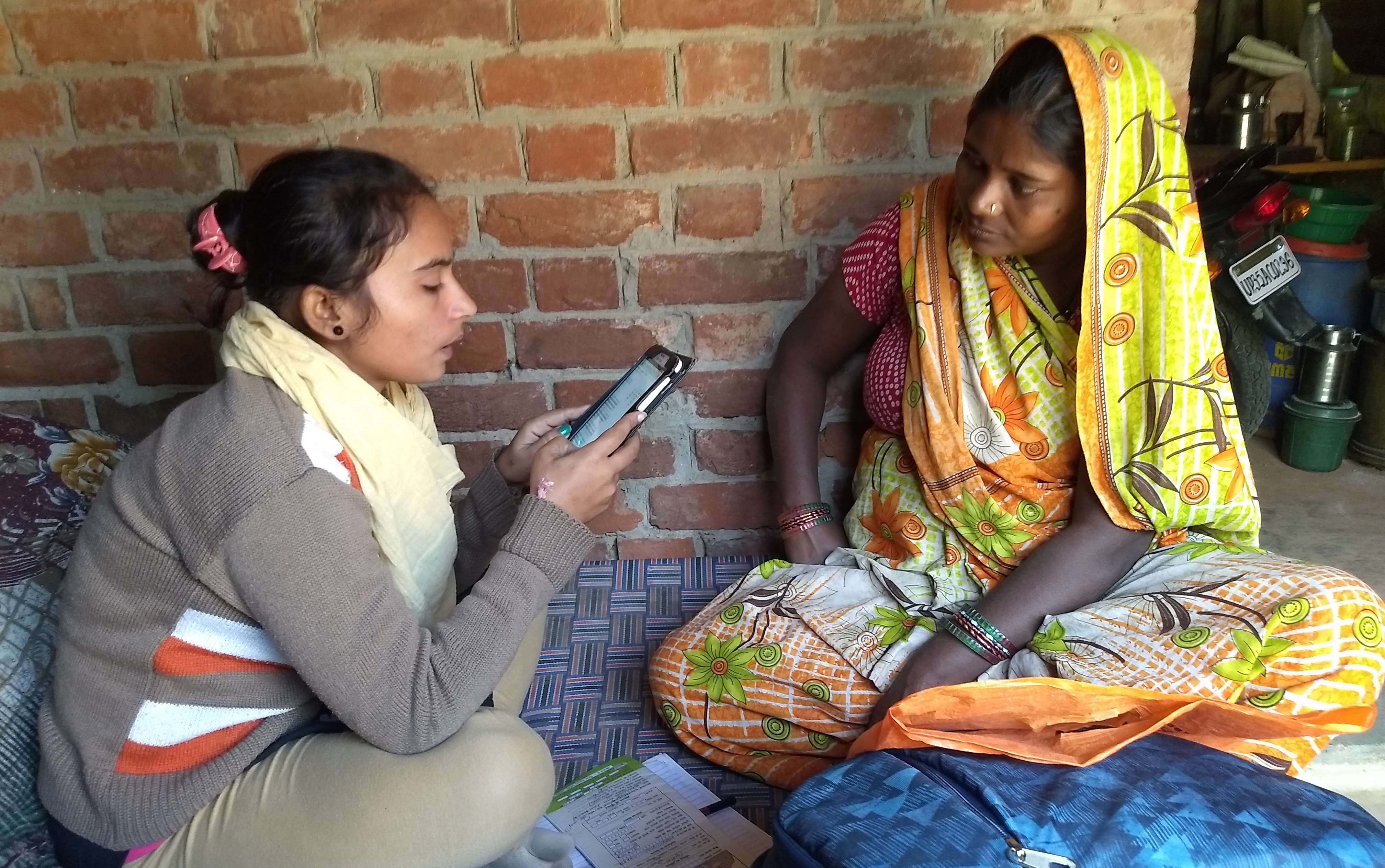
Targeting open defecation, other factors accelerates anemia reduction among pregnant women in India
Research suggests an optimal anemia reduction strategy would take a holistic, nutrition-sensitive approach that targets factors such as hygiene, family planning, and healthy diets.
-
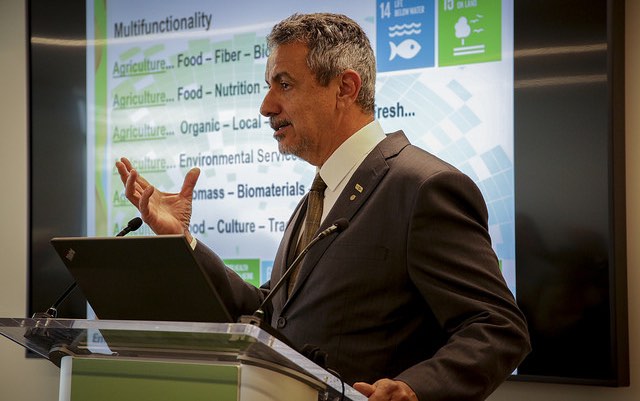
Lessons in scaling up agriculture and building sustainability from Brazil and beyond
Applying agricultural technology to build yields and meet the SDGs.
-
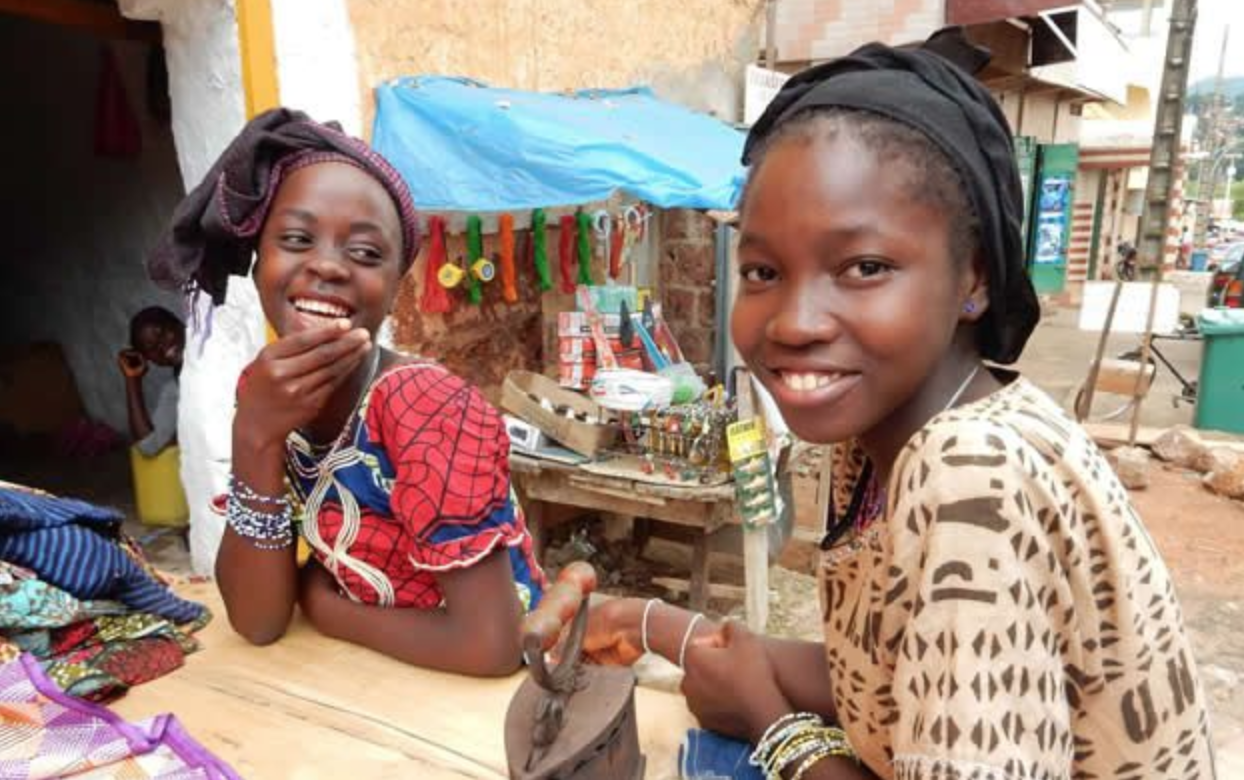
Call to Action on Adolescent Nutrition demands better data
Today's adolescents are the future—yet there is a paucity of sound data on their nutrition and health.
-
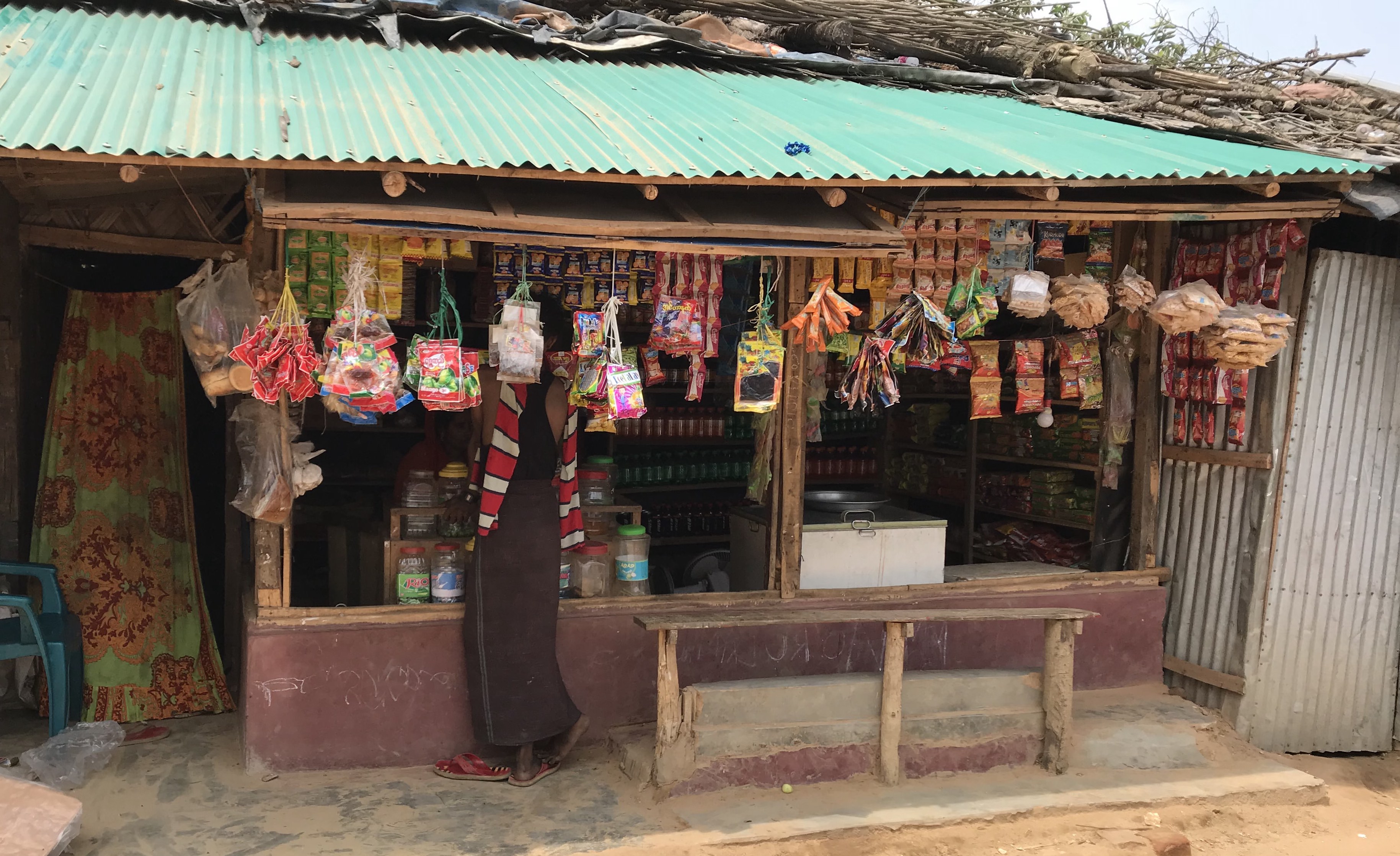
How migration benefits economies and food security
As migrants face a difficult political climate, a look at the positive impacts of migration.
-
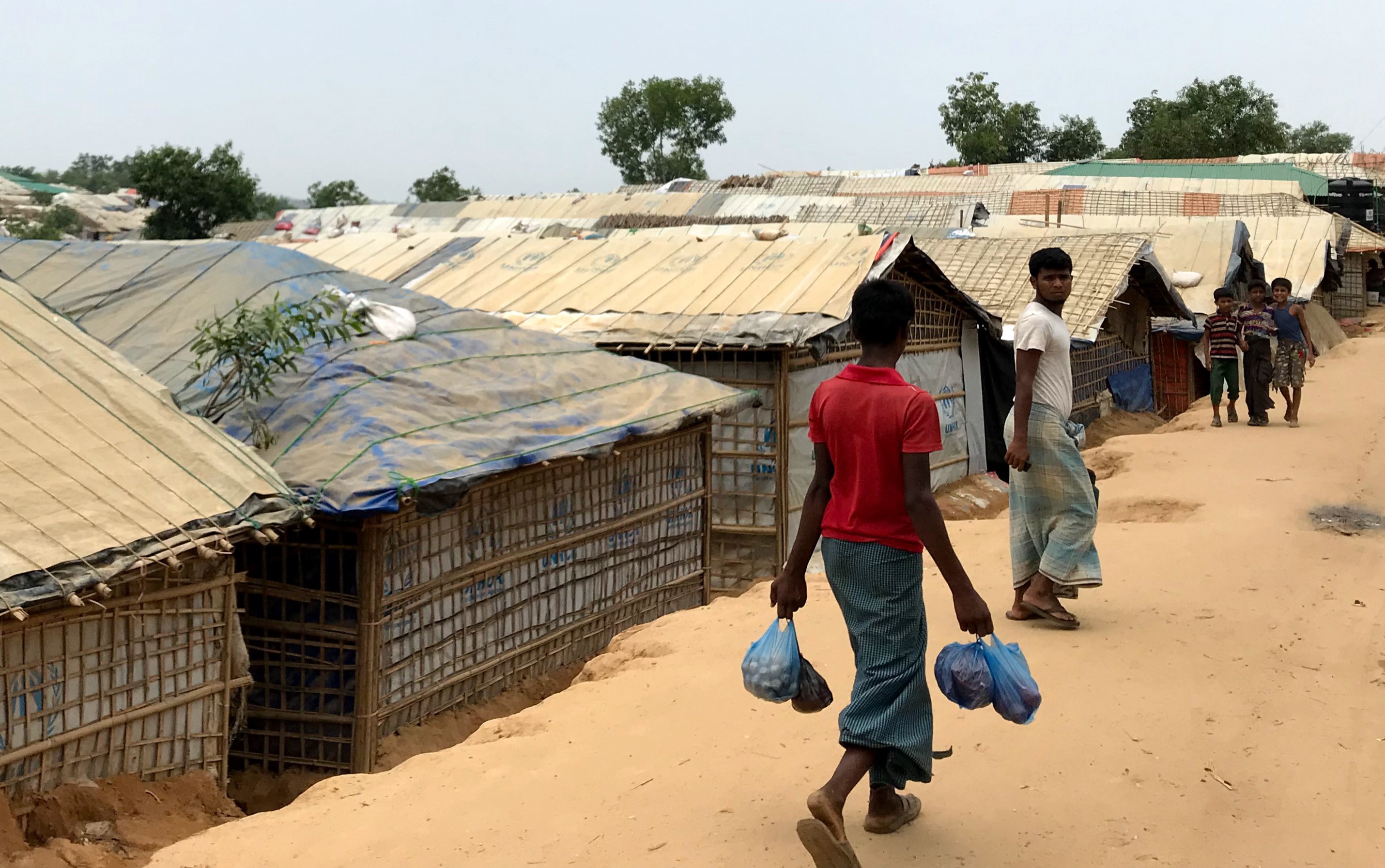
World Refugee Day: Rohingya in Bangladesh camp display entrepreneurial spark
A variety of small businesses spring up to serve an influx of half a million refugees.
-
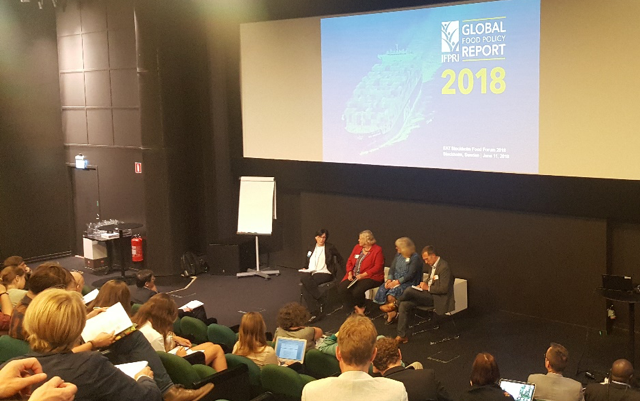
2018 GFPR Stockholm Launch: Making global trade work for inclusive, sustainable food systems
Trade restrictions won't solve the problems of globalization, but smarter policies can – a discussion.
-
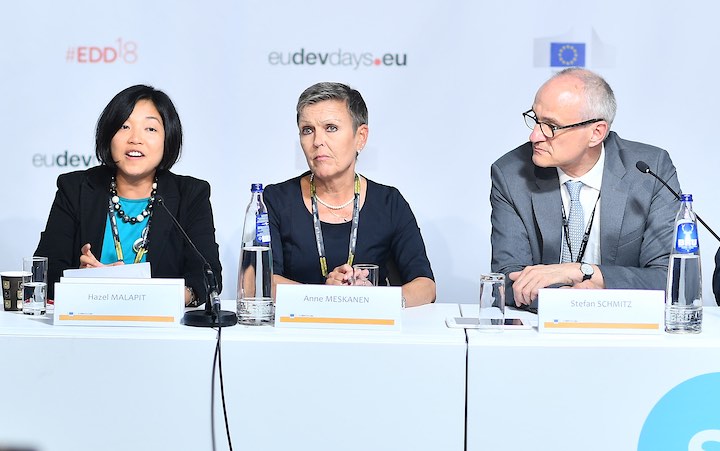
Gender takes center stage at European Development Days
Eradicating global poverty requires a focus on gender equality.
-
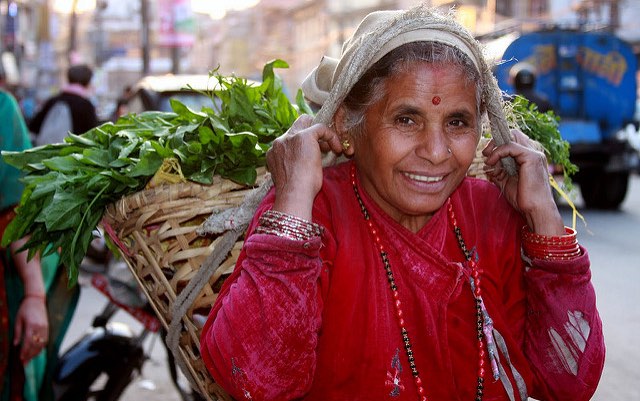
Nepal’s federal transition: What are the implications for agricultural governance?
As Nepal's government establishes a federal structure under its new constitution, IFPRI research points the way.
-

If Mary has a little lamb, who should know about it?
The GDPR—the new European law on privacy and data confidentiality—is causing ripples across the world, especially for organizations that rely on open data access to provide products for the public benefit.
-
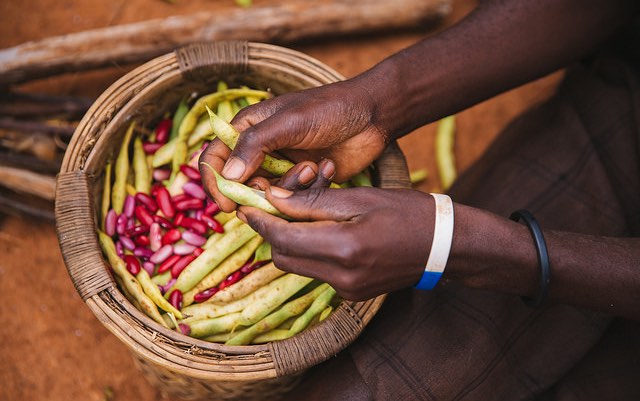
Why we need a holistic approach to improve our complex food system
To fix the problems of the global food system, think about how complex systems really work.
-
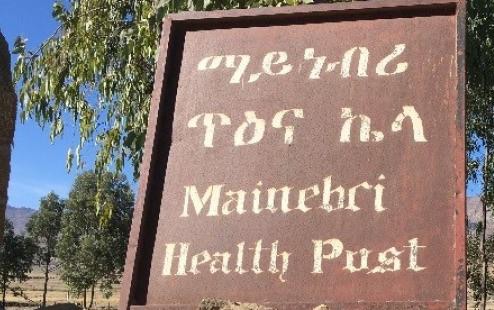
Improving the resilience of the poor in Ethiopia through community-based health insurance
Research shows that two of Ethiopia's social protection programs could work more effectively together.
-
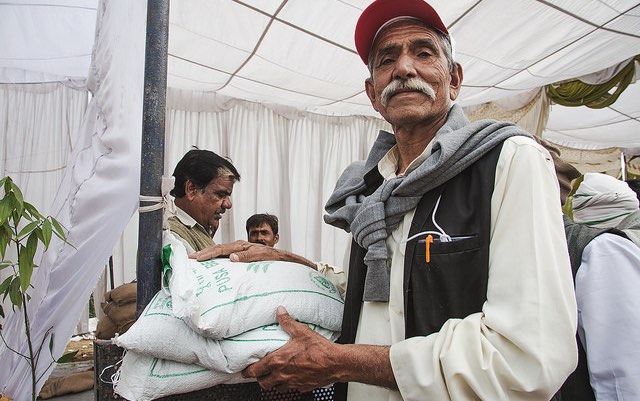
Strengthen markets to aid India’s farmers
The Indian government's ambitious effort to boost farmer incomes has not gone as planned so far.
-
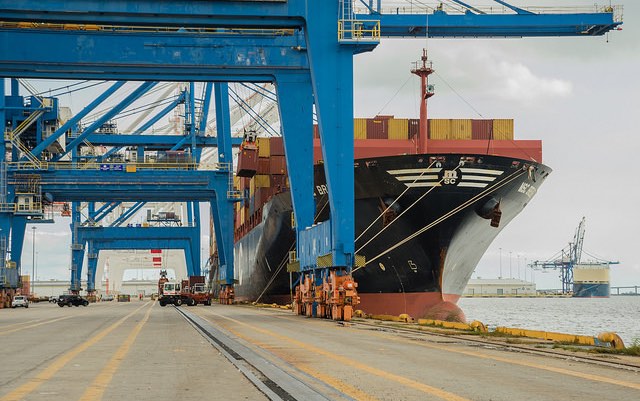
How trade wars threaten food security
Confrontations like the current standoff between the U.S. and China undermine the broad benefits of open trade and globalization, while doing nothing address the problems.
-
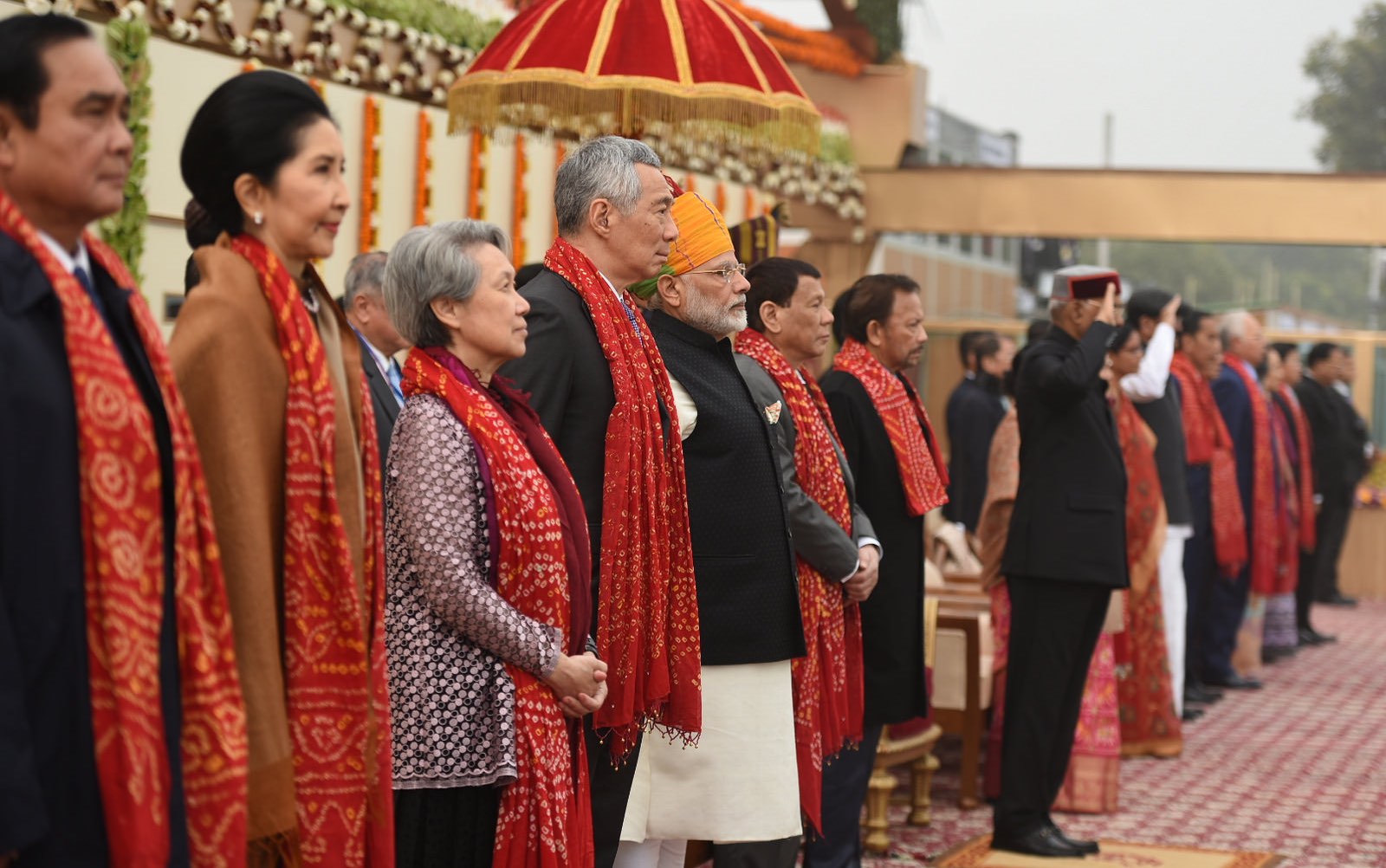
From ‘Look East’ and ‘Act East,’ India must ‘Think Big’ and ‘Act Big’
India has thus far failed to realize the full potential of trade integration with Southeast Asia. How to jump-start that process.
-
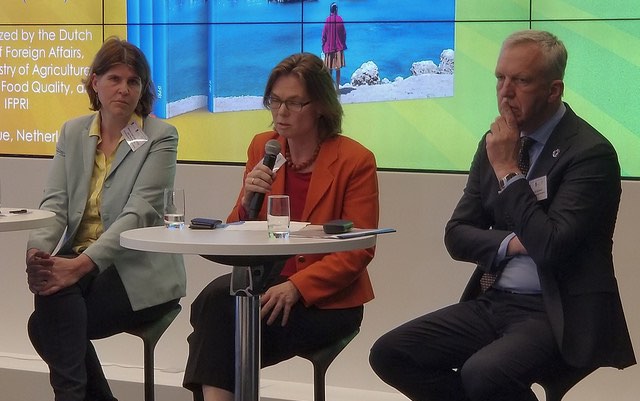
2018 GFPR The Hague launch: Putting together policy building blocks for global food security
Making food systems function more equitably for consumers, farmers, workers, migrants, and women – a discussion.
-

International Biodiversity Day: Diversifying agroecosystems to suppress crop pests
A new study suggests the potential for ecosystem-based pest management in Nigeria.
-
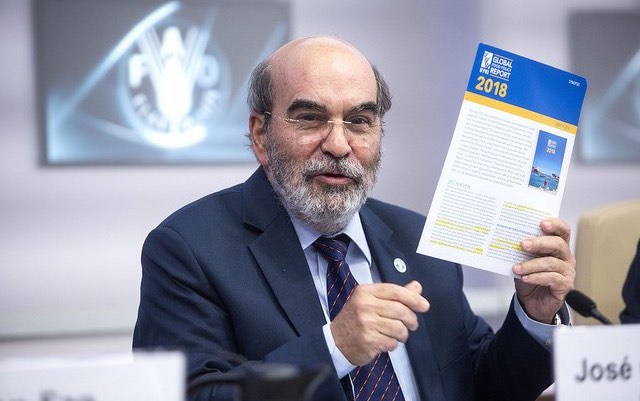
2018 GFPR Rome launch: How open trade impacts global nutrition
“The current food system was not built to promote healthy food” – FAO Director General José Graziano da Silva.
-
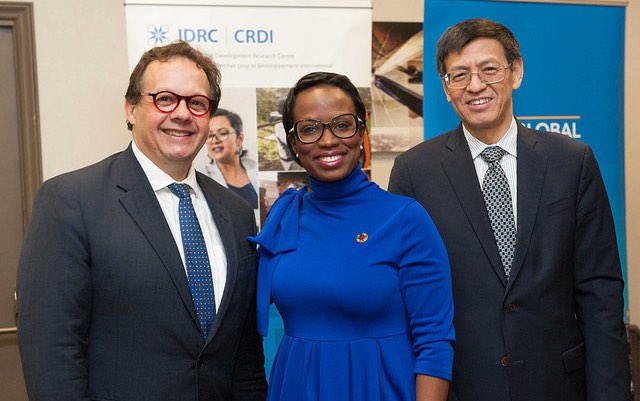
Canadian perspectives on the 2018 GFPR: Building women’s empowerment and food security
Efforts by Canada and others to promote gender equality in food systems—a discussion.
-
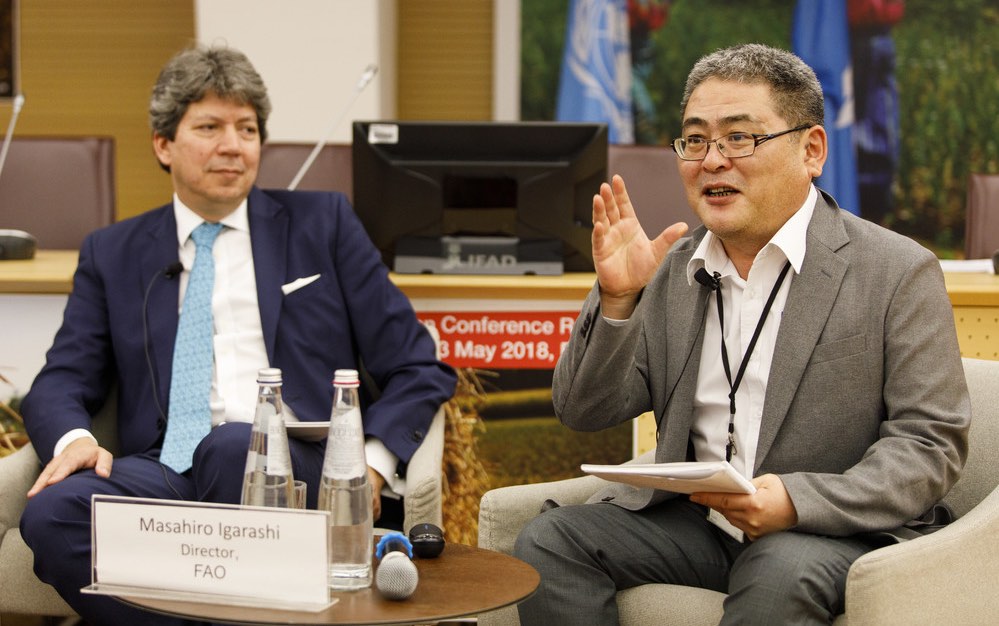
IFAD conference: Can development really succeed if rural inequalities are rising?
What can development organizations do to counter the impacts of rising global economic inequality on the rural poor?
-
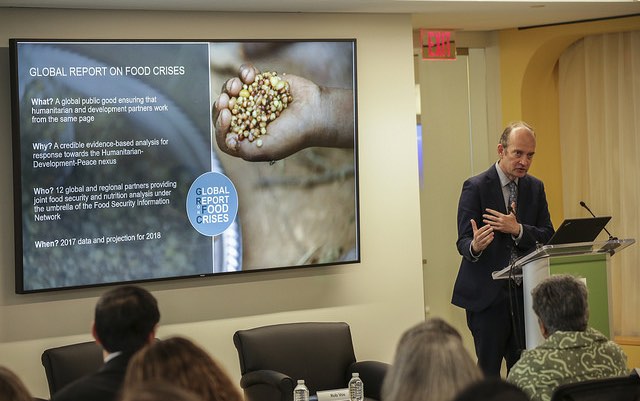
2018 Global Report on Food Crises shows rising food insecurity, need to build resilience
Due to conflict and drought, more people face hunger and other forms of food insecurity. What can be done?
-
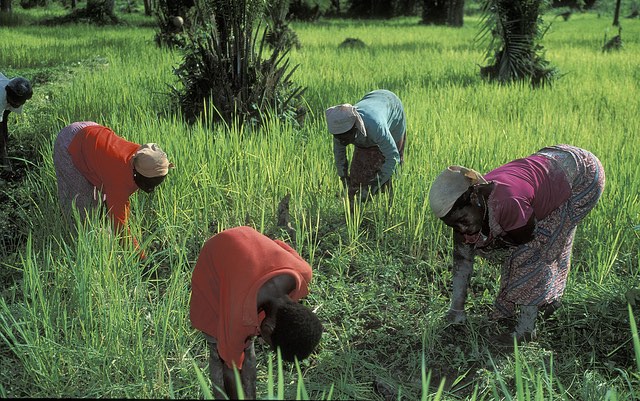
Disentangling natural resource management impacts – one evaluation at a time
Lessons from a soil program impact evaluation gone awry.
-
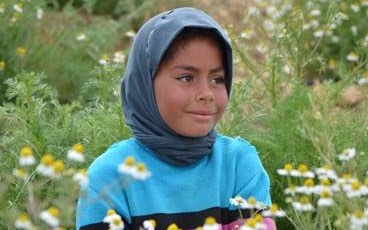
New modeling toolkit aids development planners in MENA countries
New data-based tools for agricultural policy planners in Egypt, Jordan, Lebanon, and Tunisia.
-
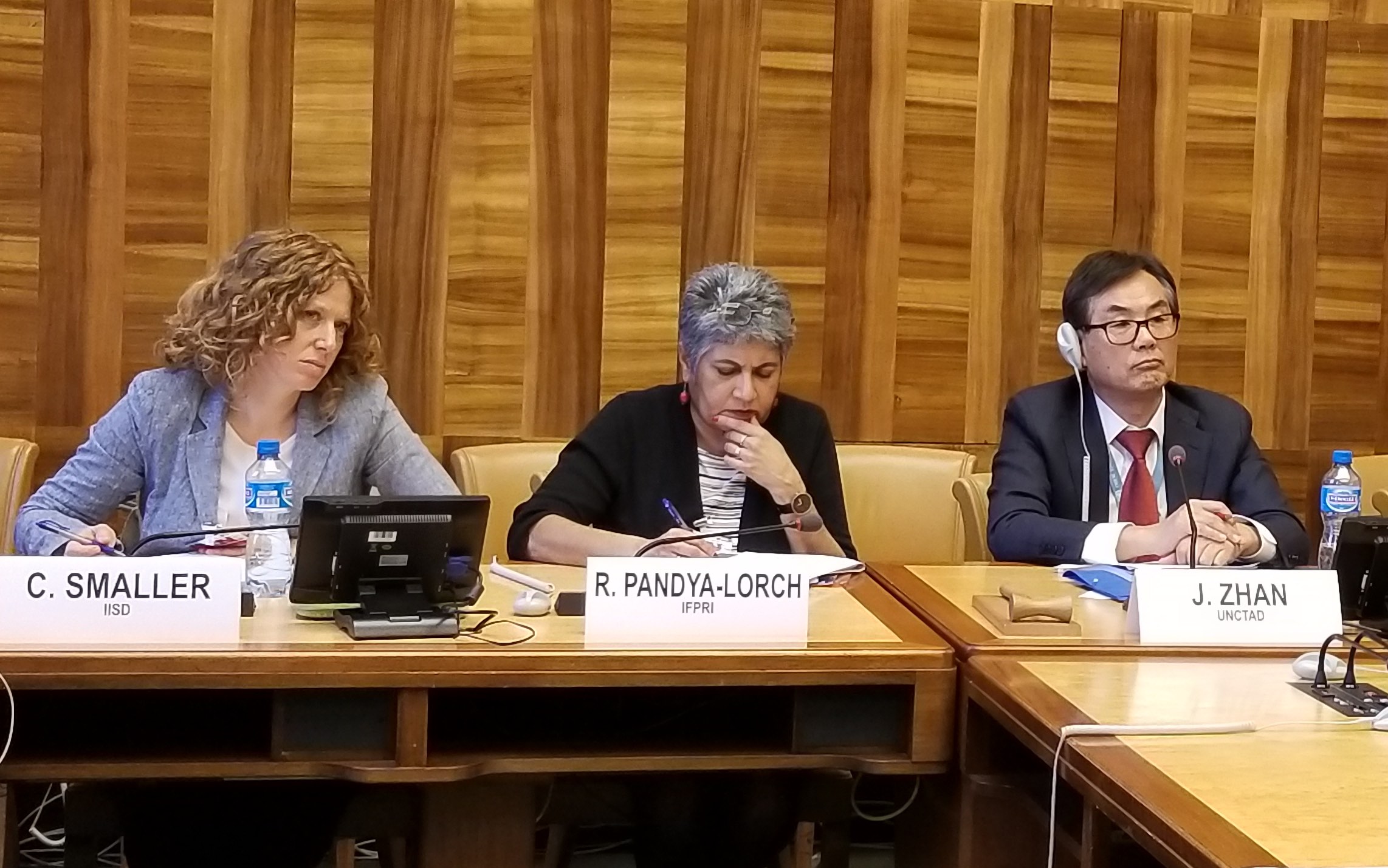
2018 GFPR Geneva Launch: Aligning investments, policies to build stronger food systems
Making development investments work to boost food security worldwide – a discussion.
-
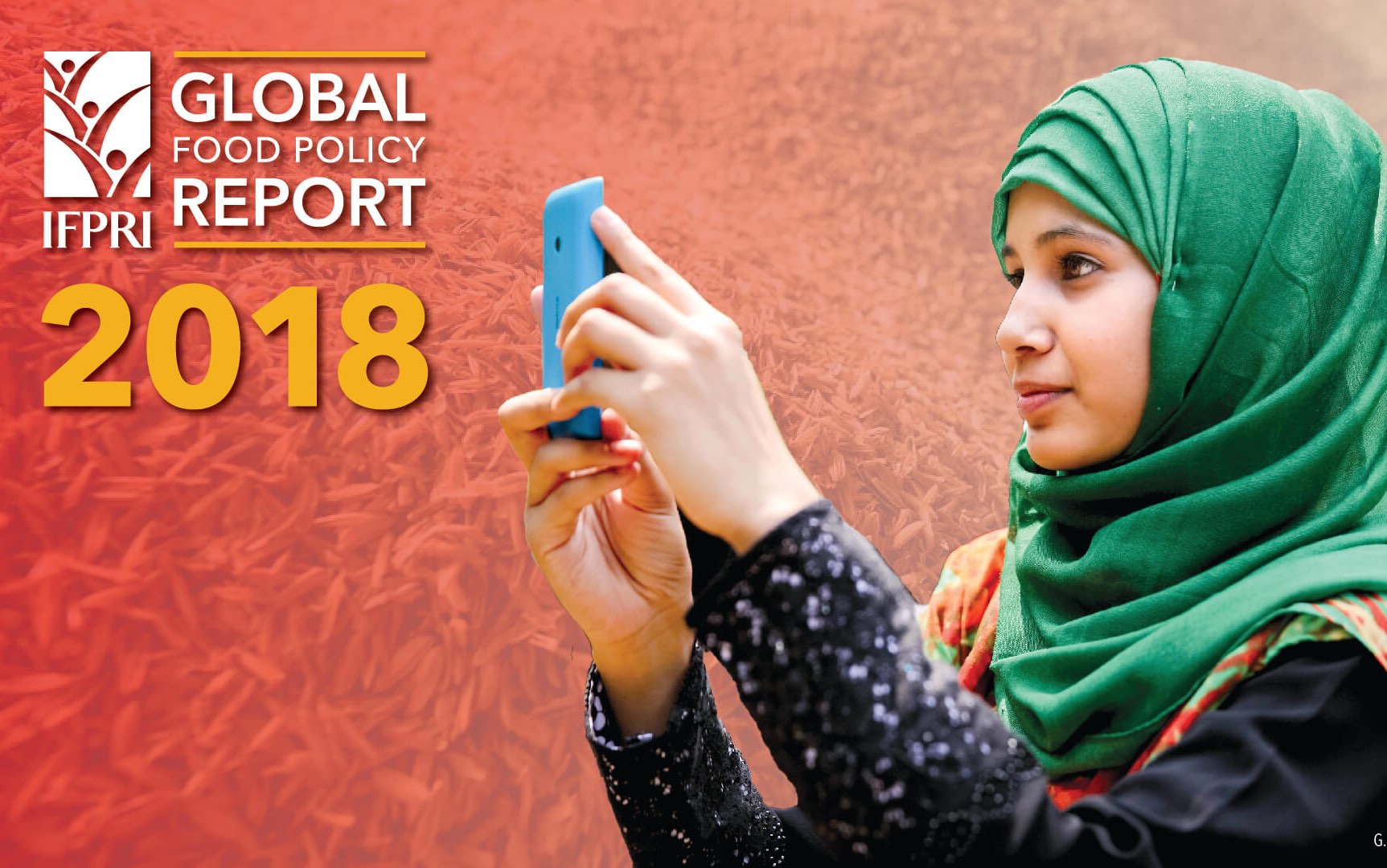
Achieving food and nutrition security through open access data
How open access to data can help close the global digital divide.
-
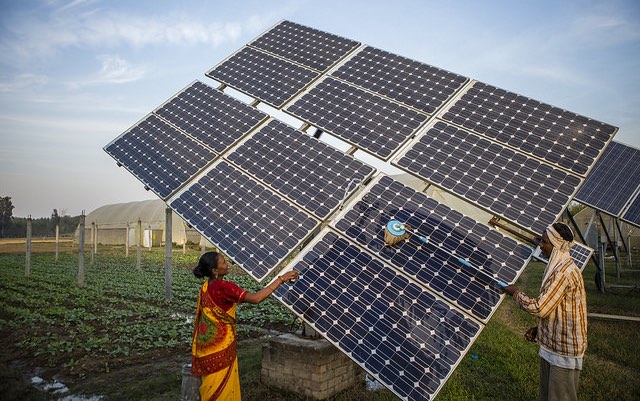
Earth Day 2018: Solar-powered irrigation can boost rural development, but also poses risks
Making a promising technology for sustainable agriculture work for farmers in South Asia and elsewhere.
-
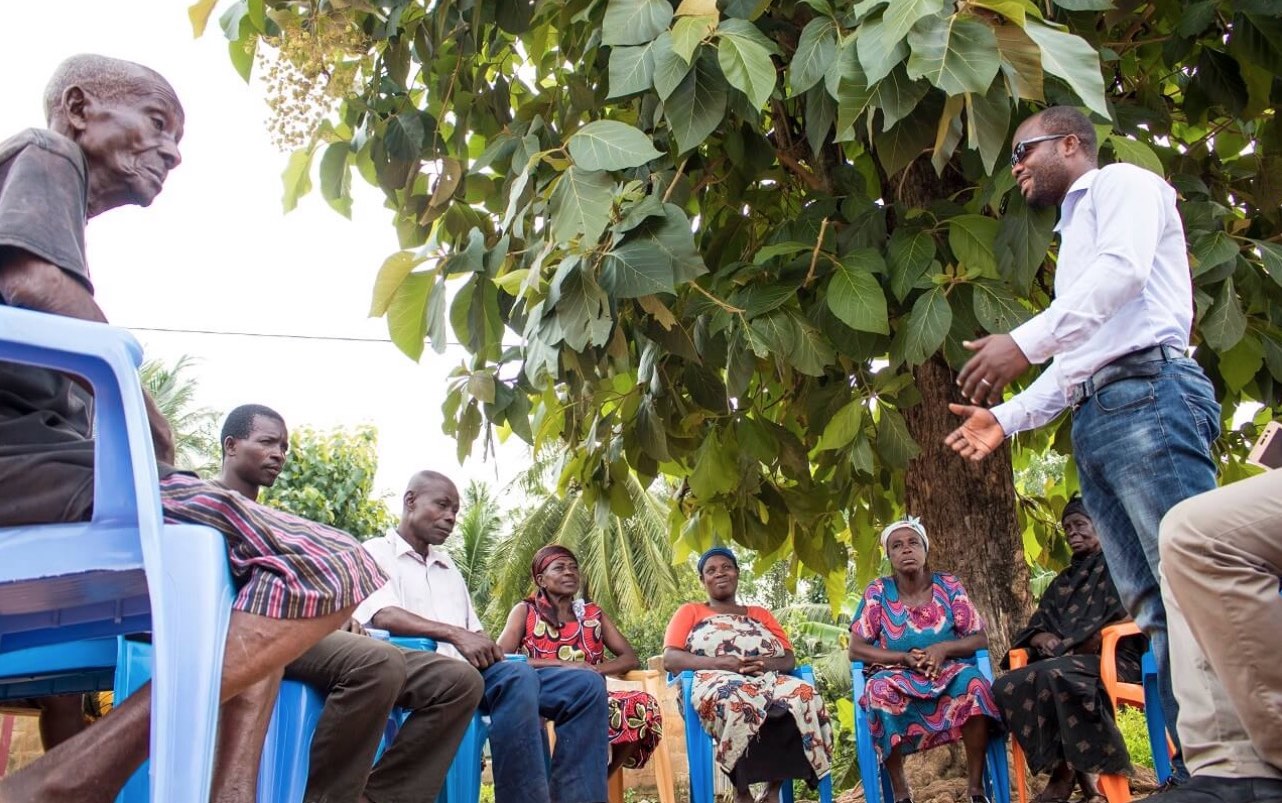
Is Ghana serious about decentralization?
Ghana has created dozens of new local districts and municipalities with the aim of devolving power from the national government – but the effort appears to have slowed the flow of agriculture funding.
-
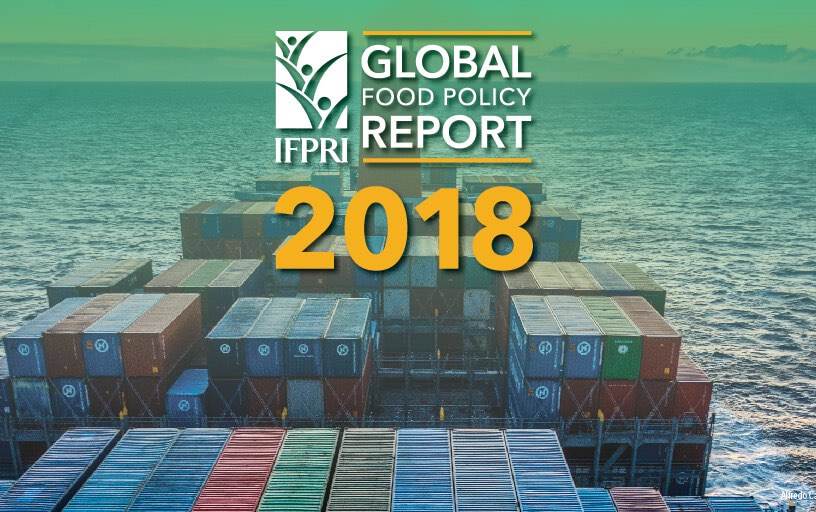
How international investments in agriculture shape food security
International investments in have many benefits for food systems—but should be carefully implemented with local input.
-
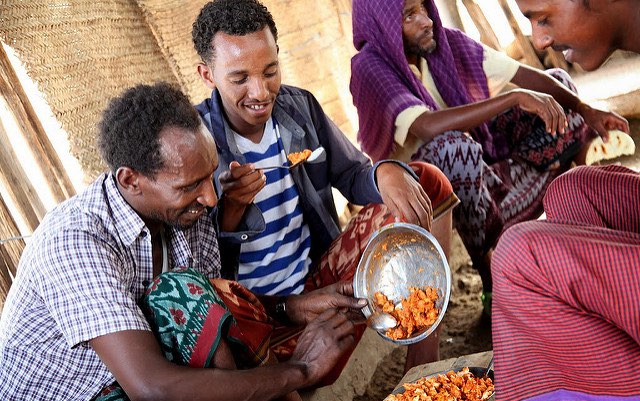
As the Ethiopian economy grows, a mixed picture emerges on diets
Rising living standards have addressed some nutrition problems in Ethiopia— but are creating a new set of challenges.
-
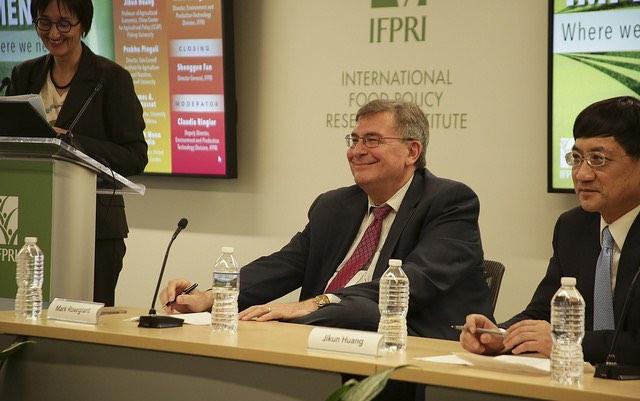
Policy seminar and special event: Tales of yield improvement and farewell to Mark Rosegrant
Lessons for the future of crop science and a tribute to a 4-decade research career.
-
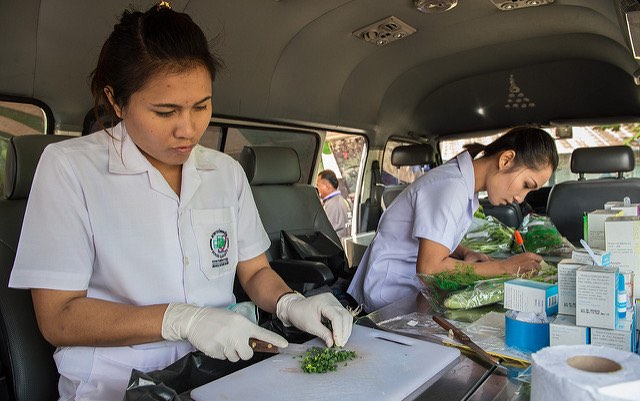
Crop research needs a system of integrated labs across the globe
A Global Crop Improvement Network could help boost yields and improve understanding of climate effects on agriculture.
-
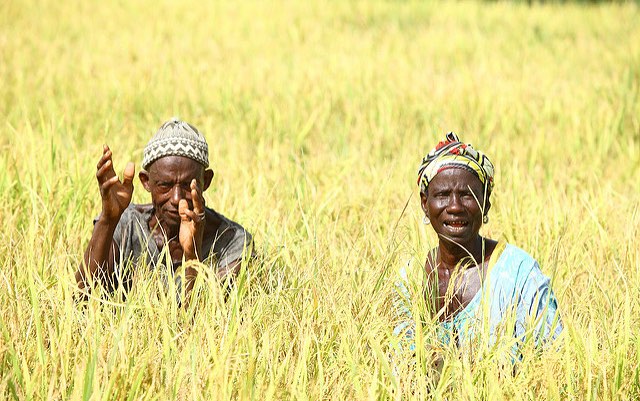
What can we learn from rising rice production in Senegal?
With migration on the rise, the demand for staple crops offers economic promise for rural areas.
-
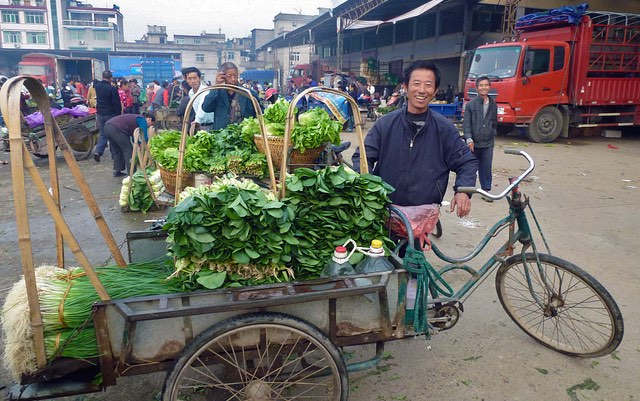
Rural vitalization: What lessons can China learn from international experiences?
South Korea, Japan, Thailand, the EU, and U.S. offer lessons for China's rural economic policies, IFPRI Director General Shenggen Fan tells the China Development Forum.
-
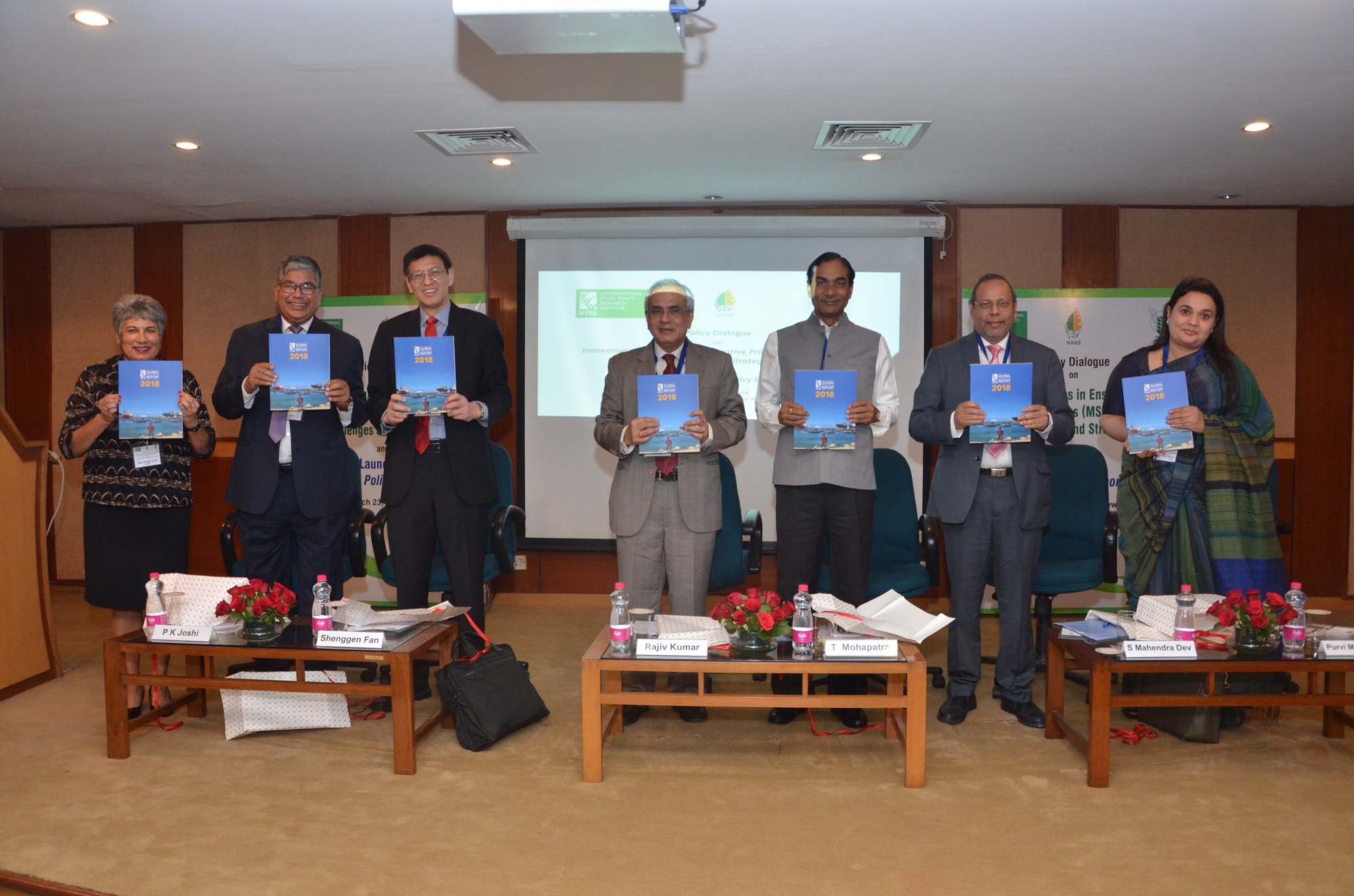
2018 GFPR India launch: India’s time to focus on farmers
Global integration can be a boon for Indian farmers but panelists agreed policies must focus on helping farmers and raise their incomes, not simply increase their outputs.
-
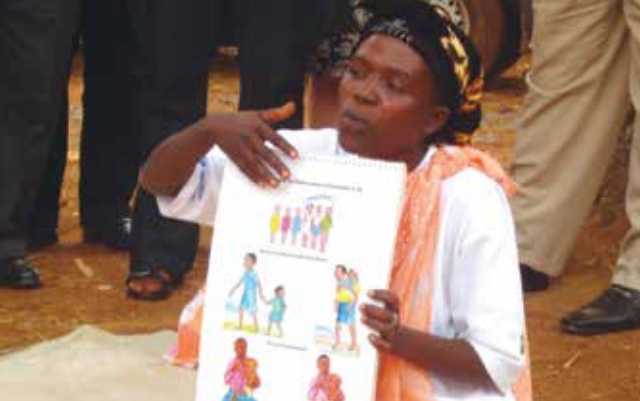
Optimizing food assistance programs: Nutrition-sensitive approach lowers anemia prevalence in Burundi
Development assistance in the form of food-assisted maternal and child health and nutrition can play an important role in protecting poor families from economic or health shocks in vulnerable countries such as Burundi.
-
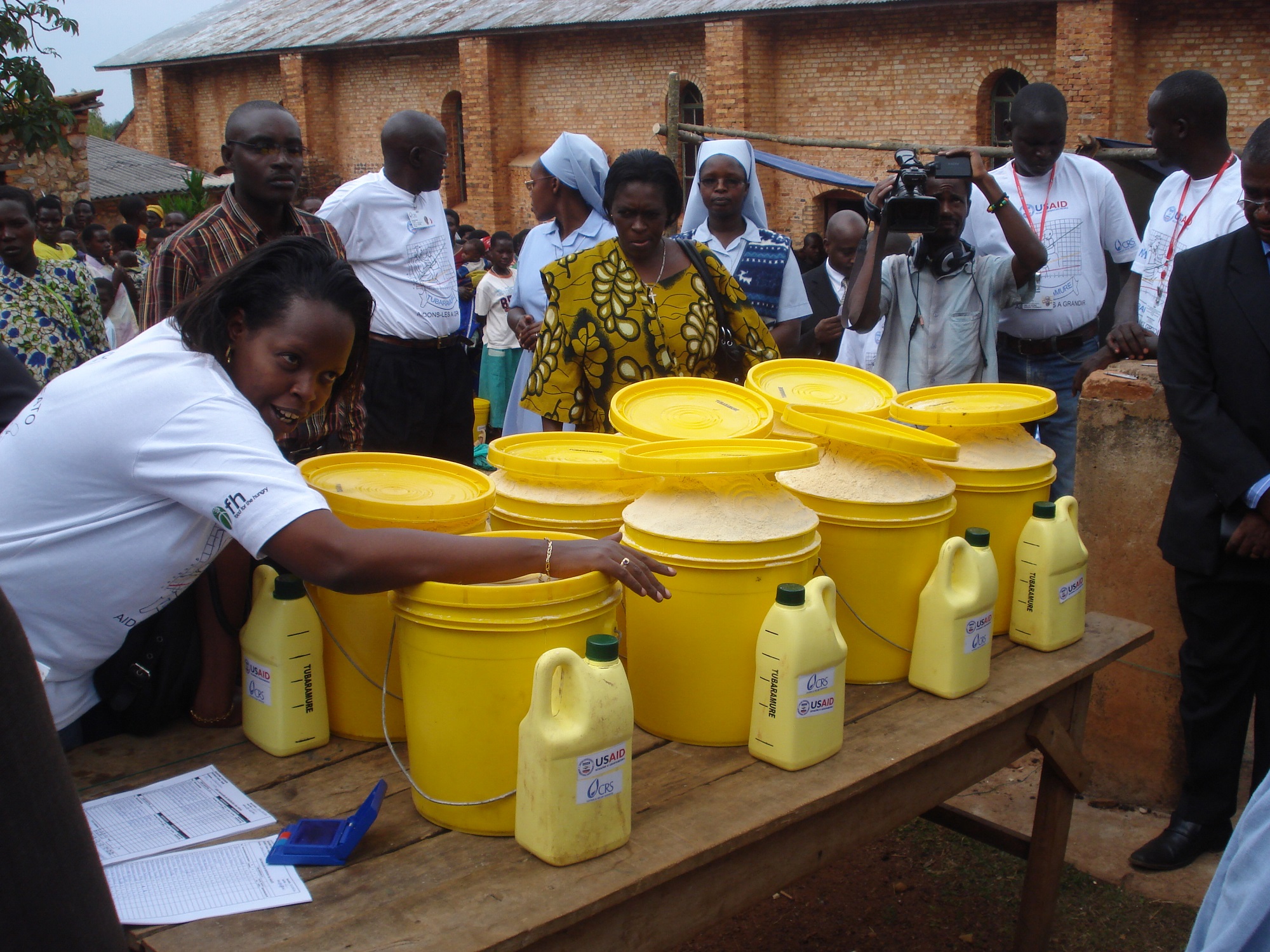
Optimizing food assistance programs: Improving child growth in Burundi
To maximize the impact such nutritional interventions can have on a child's linear growth, research shows they should target the entire period from conception to a child's second birthday.
-
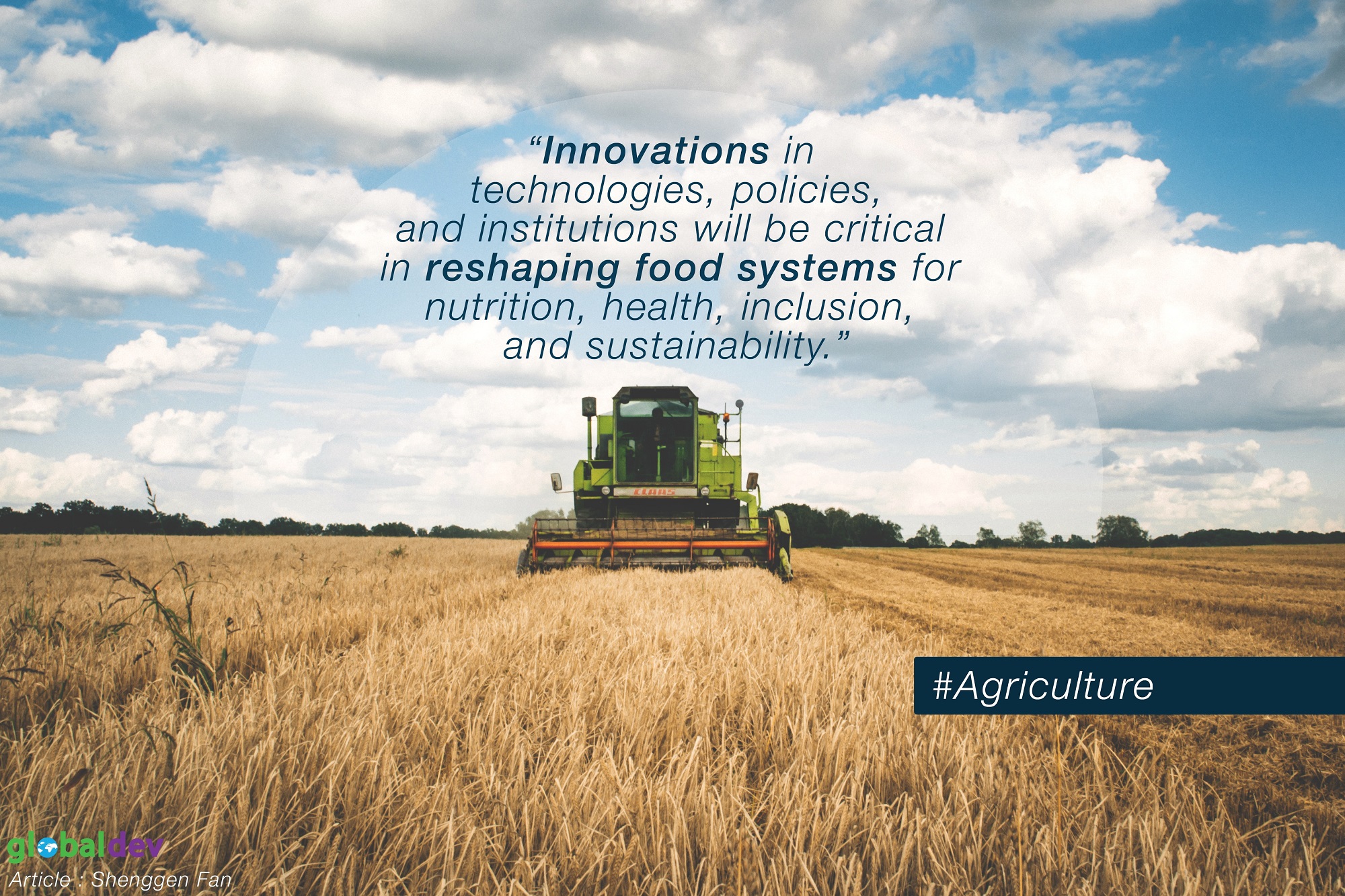
Innovations in food systems: The key to human and planetary health
New technologies, better policies, and reformed institutions can improve diets and global well-being.
-
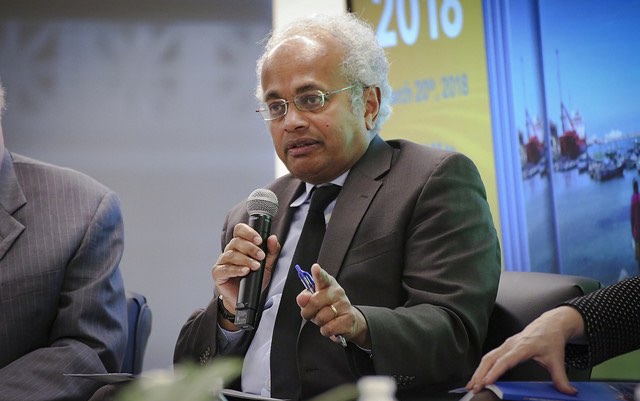
2018 Global Food Policy Report tracks impacts of antiglobalism and outlines key reforms
The rise of anti-globalization politics around the world threatens efforts to end hunger and malnutrition – a discussion.
-
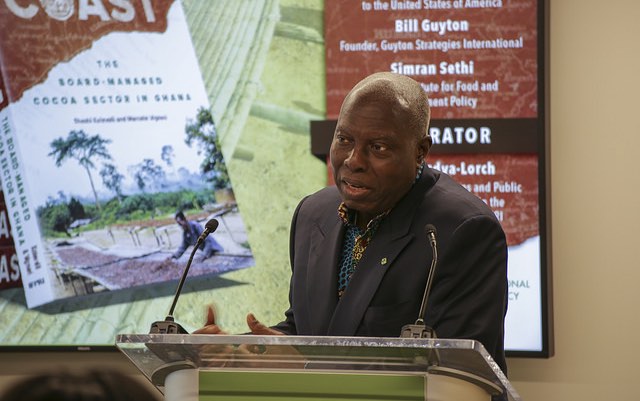
Book launch: Ghana’s cocoa industry contends with growth, poverty
Reforms are necessary to make cocoa farming—the foundation of the global chocoloate industry—profitable for the farmers. A discussion.
-
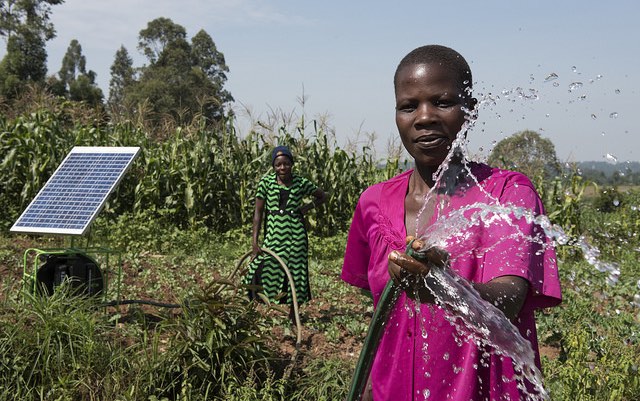
World Water Day: Feeding millions from the ground up – the promise of groundwater-fed irrigation in Africa South of the Sahara
Small, inexpensive solar pumps can greatly expand the availability of irrigation, research shows.
-
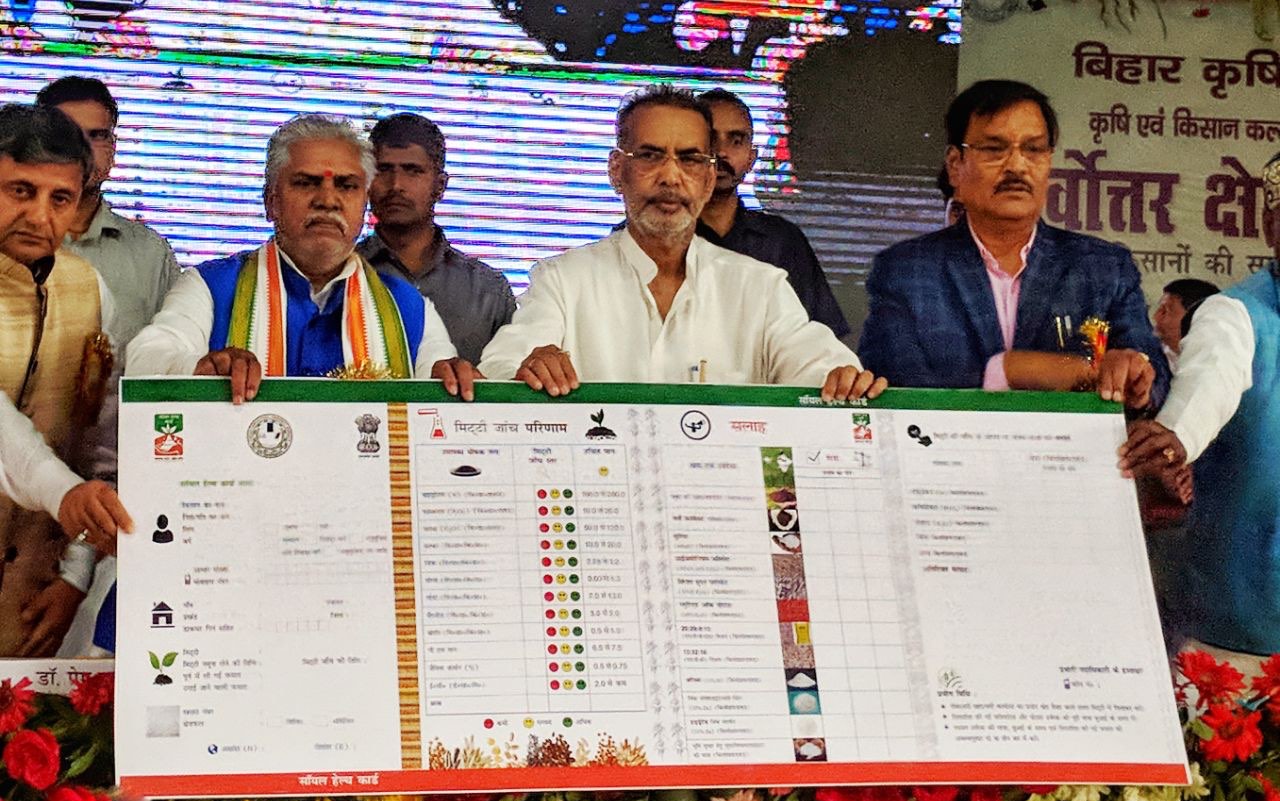
Designing a better Soil Health Card for farmers in India
The government of India has distributed 100 million cards to help farmers monitor soil health. But many are finding them overly technical and difficult to use.
-
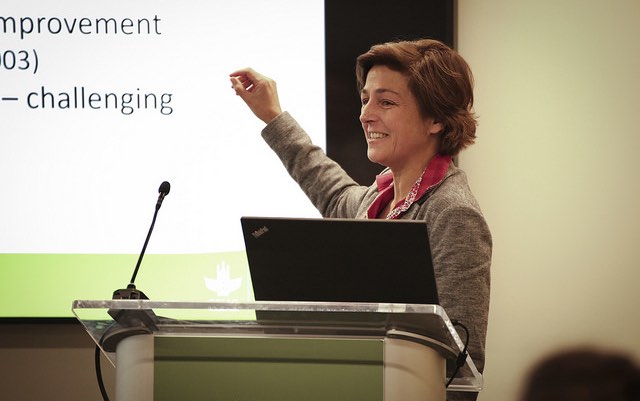
Policy seminar: Integrating research and natural resource management for sustainable agriculture
As the world faces growing stresses on natural resources from climate change, population growth, urbanization, and other forces, researchers must grapple with complex questions about sustainable agriculture.
-
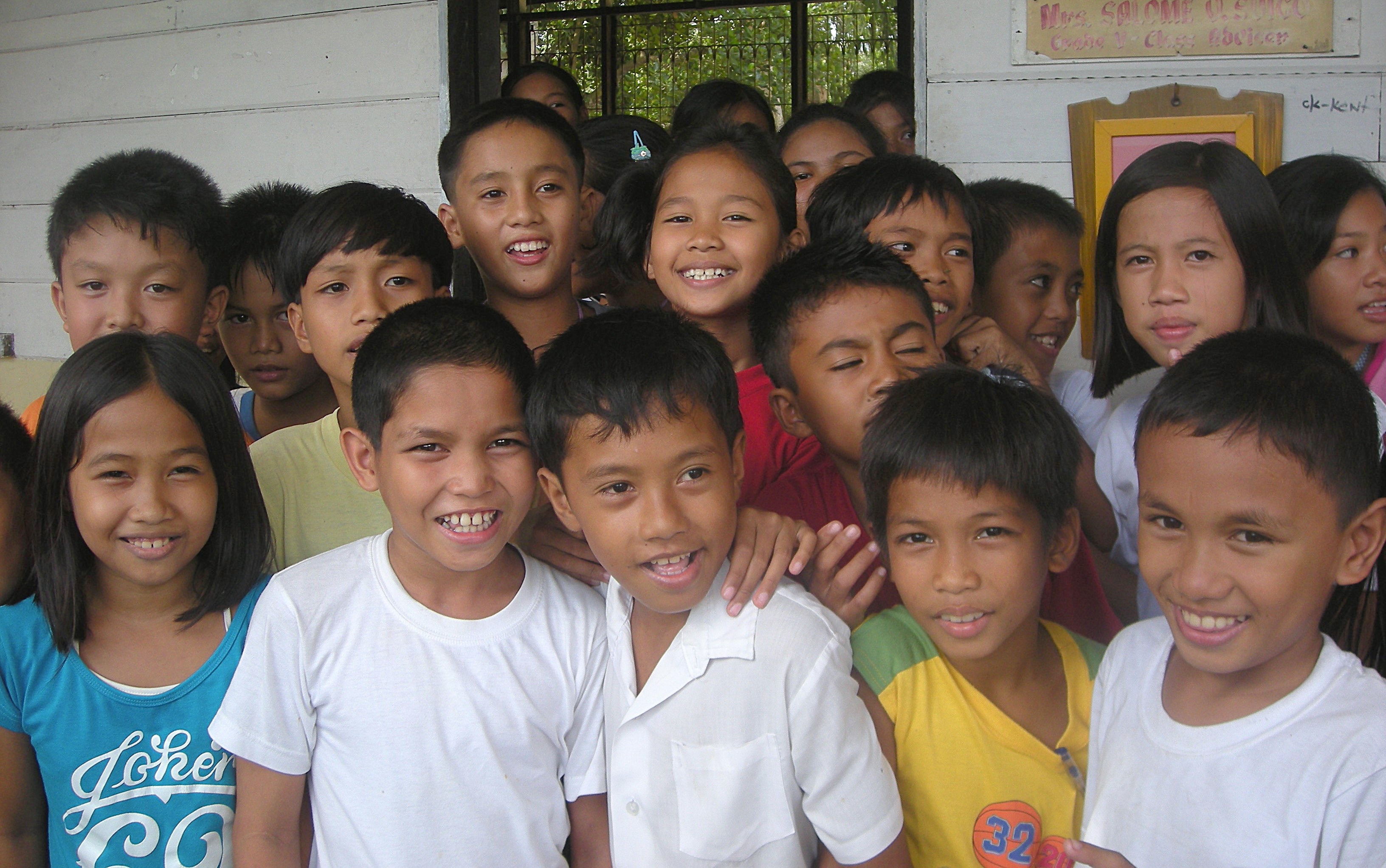
In the Philippines, a school program shows diverging results for male and female students
The Third Elementary Education Project led to positive educational and work results for girls, yet appeared to lower boys' prospects.
-
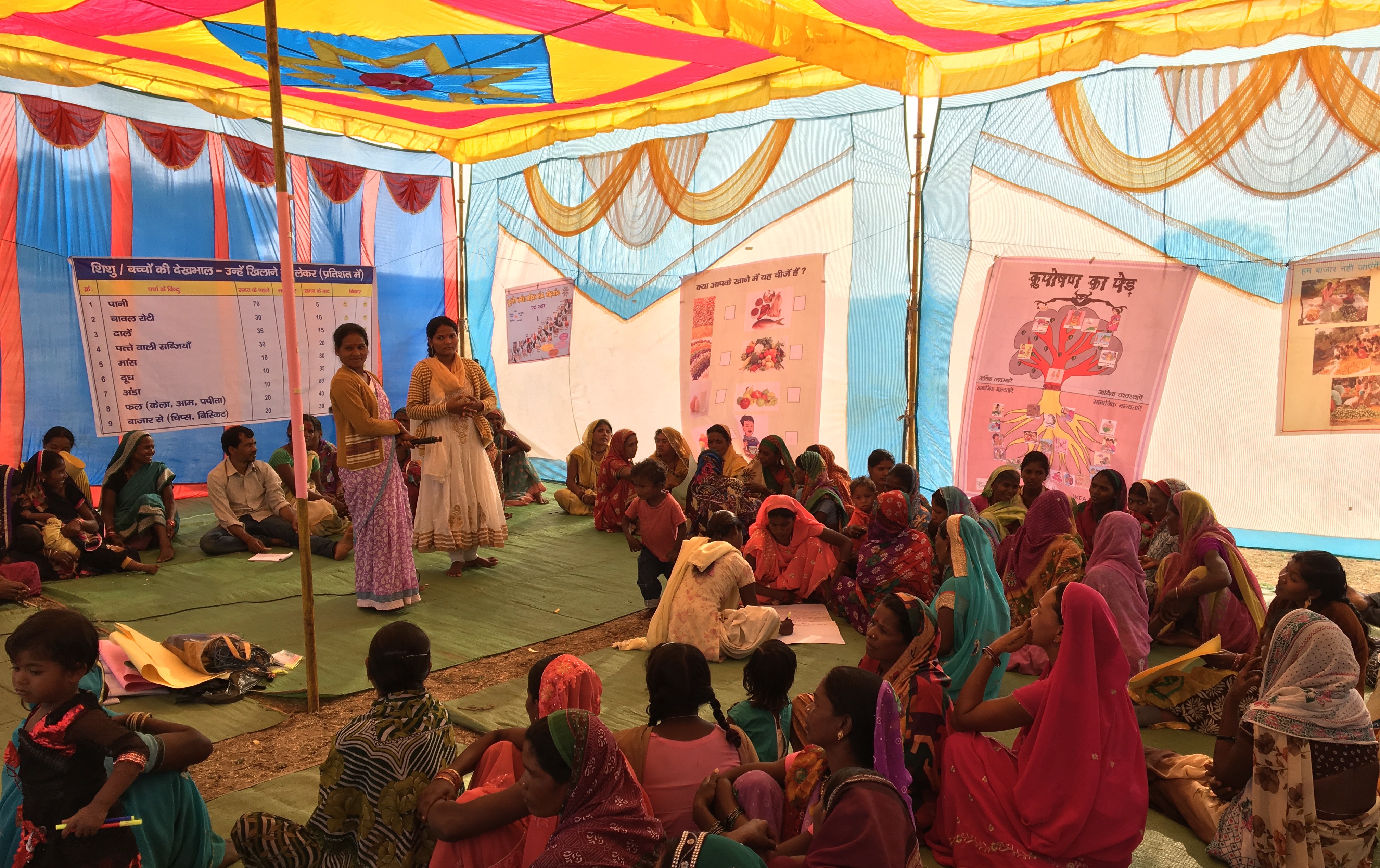
International Women’s Day: Self-help groups aid communication, empowerment in India
How rural women activists are bringing about change from the ground up.
-
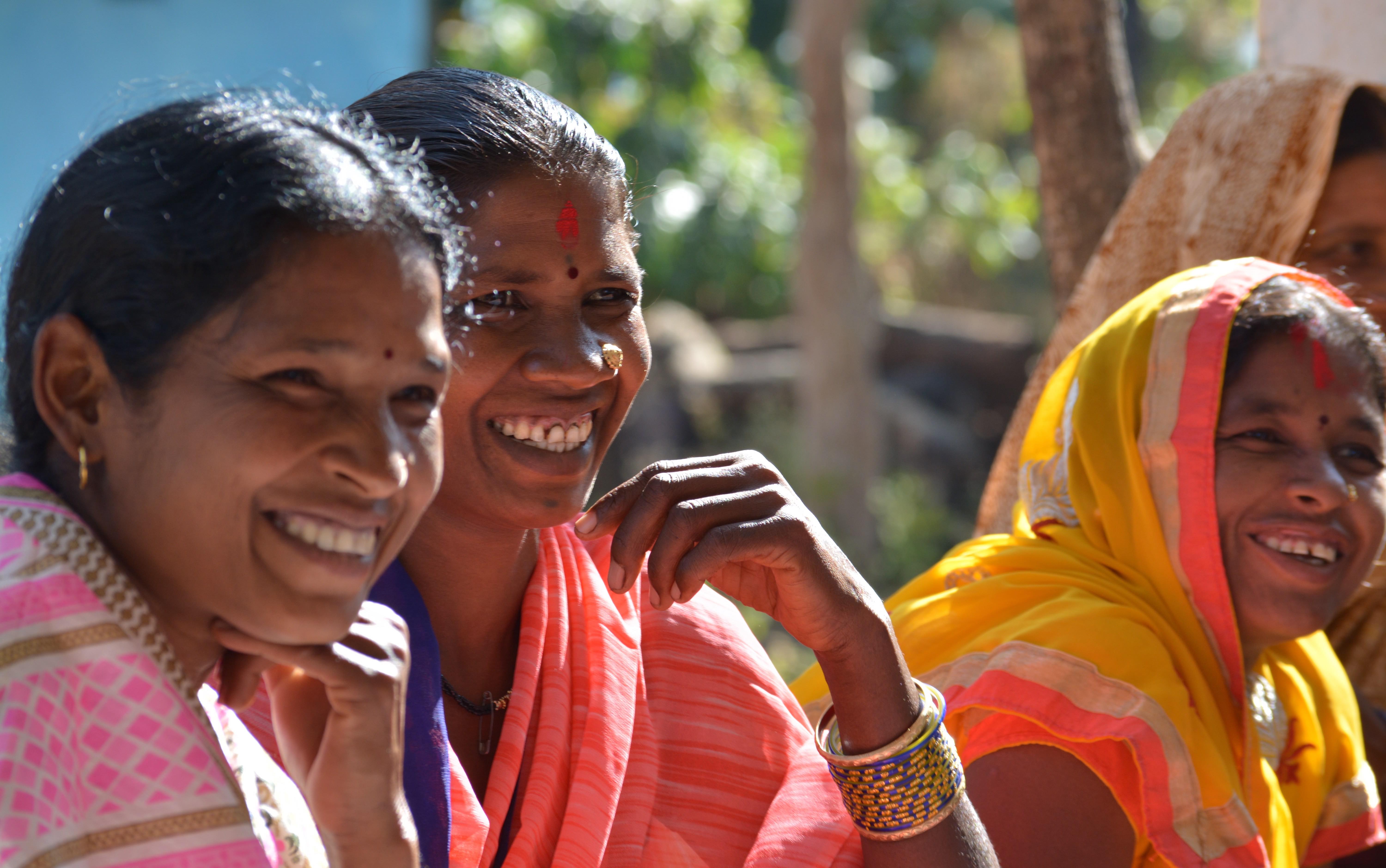
International Women’s Day: In the fight against malnutrition, empower women’s groups first
Examining the role of rural women activists in bringing change to nutrition and food systems worldwide.
-
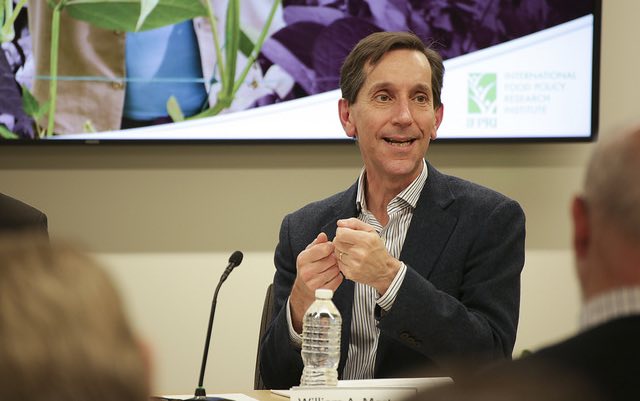
Policy seminar: Research shows next steps in reforming agriculture to boost nutrition
A discussion of IFPRI's Advancing Research on Nutrition and Agriculture (ARENA) project.
-
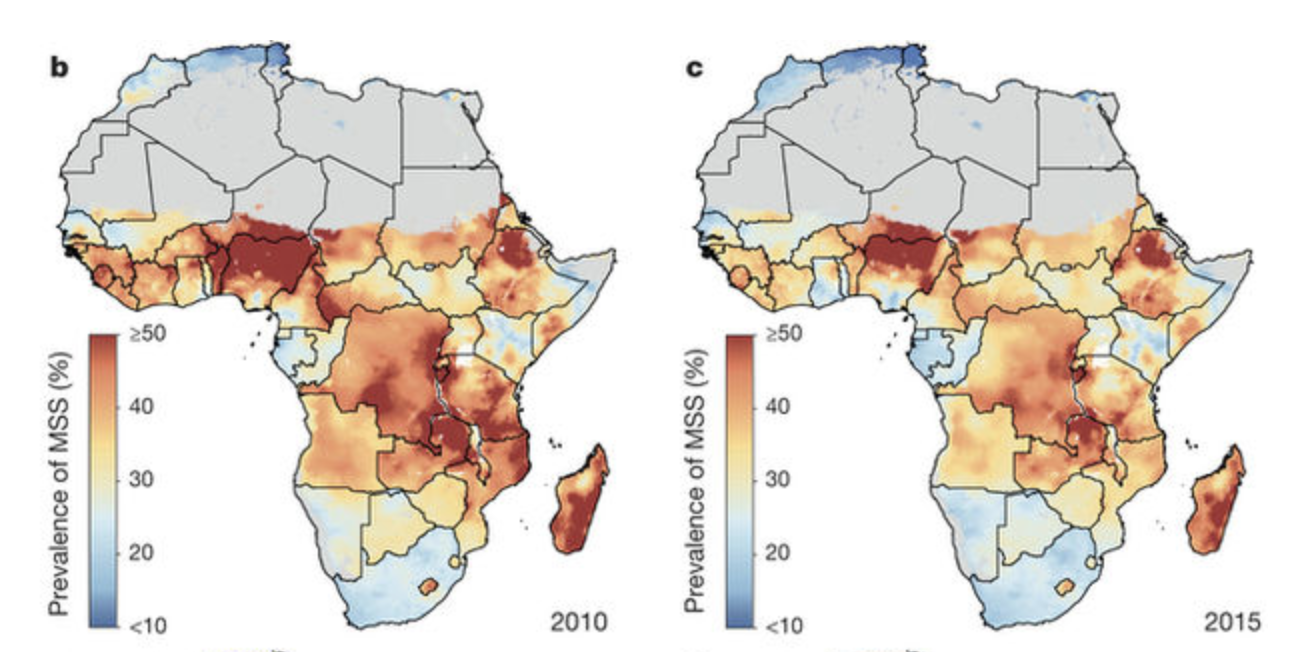
Precision geospatial analysis highlights development gaps – now we need precision solutions
New mapping studies in Nature show child health and education trends in Africa at a granular level—the next step is putting this powerful tool to work to improve conditions on the ground.
-
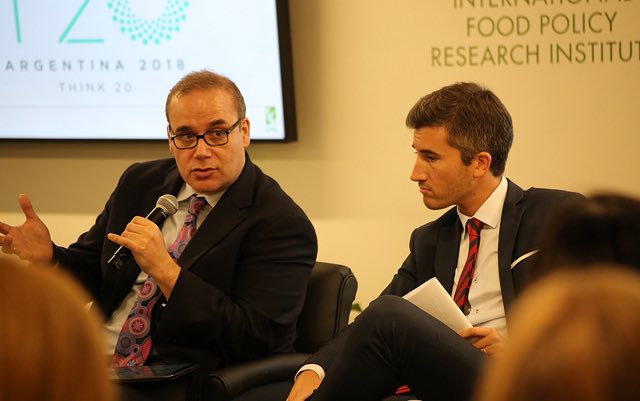
Policy seminar: Collaboration, sustainability must be key focus for Argentina G20
Ways that Argentina can use its G20 presidency to strengthen the world's food systems.
-
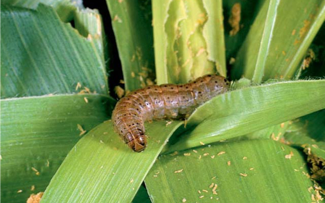
Malawi’s new reality: Fall armyworm is here to stay
How smallholder farmers, government agencies, and development organizations are grappling with a persistent invasive pest..
-
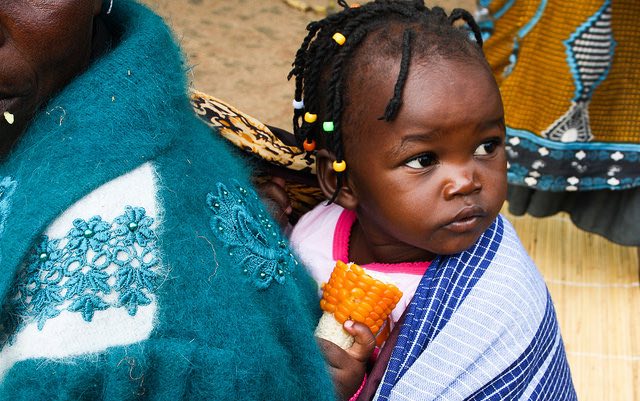
The multibillion dollar question: How much will it cost to end hunger and undernutrition?
The total investment required to meet SDG2 by 2030 varies widely depending on which framework is applied, IFPRI research shows.
-
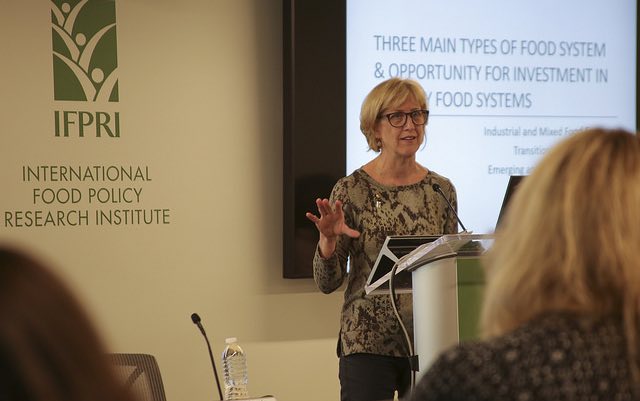
Policy seminar: Boosting investments in healthy food systems to fight hunger and malnutrition
Why better data and more effective policies are necessary to guide investments in agriculture and food systems to meet the SDGs.
-

Financing a sustainable food future
Argentina should use its G-20 Presidency to mobilize private investment to build sustainable food systems and meet the SDGs.
-
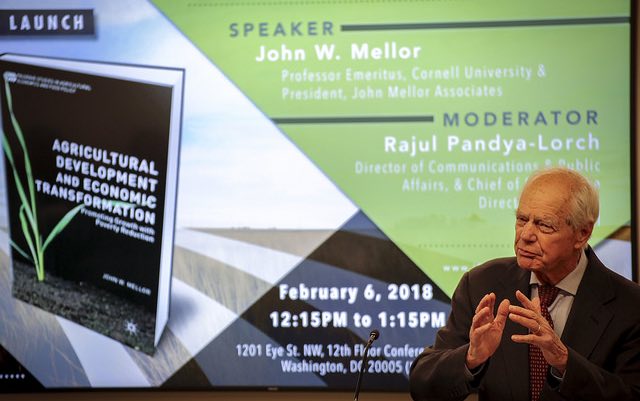
Book launch: John W. Mellor on agriculture and economic transformation
Why small commercial farmers hold the key to lifting low income countries out of poverty.
-

Climate change to adversely impact grain production in China by 2030
Modeling shows climate change-driven drought and warming will drive down yields of rice, wheat, and corn.
-
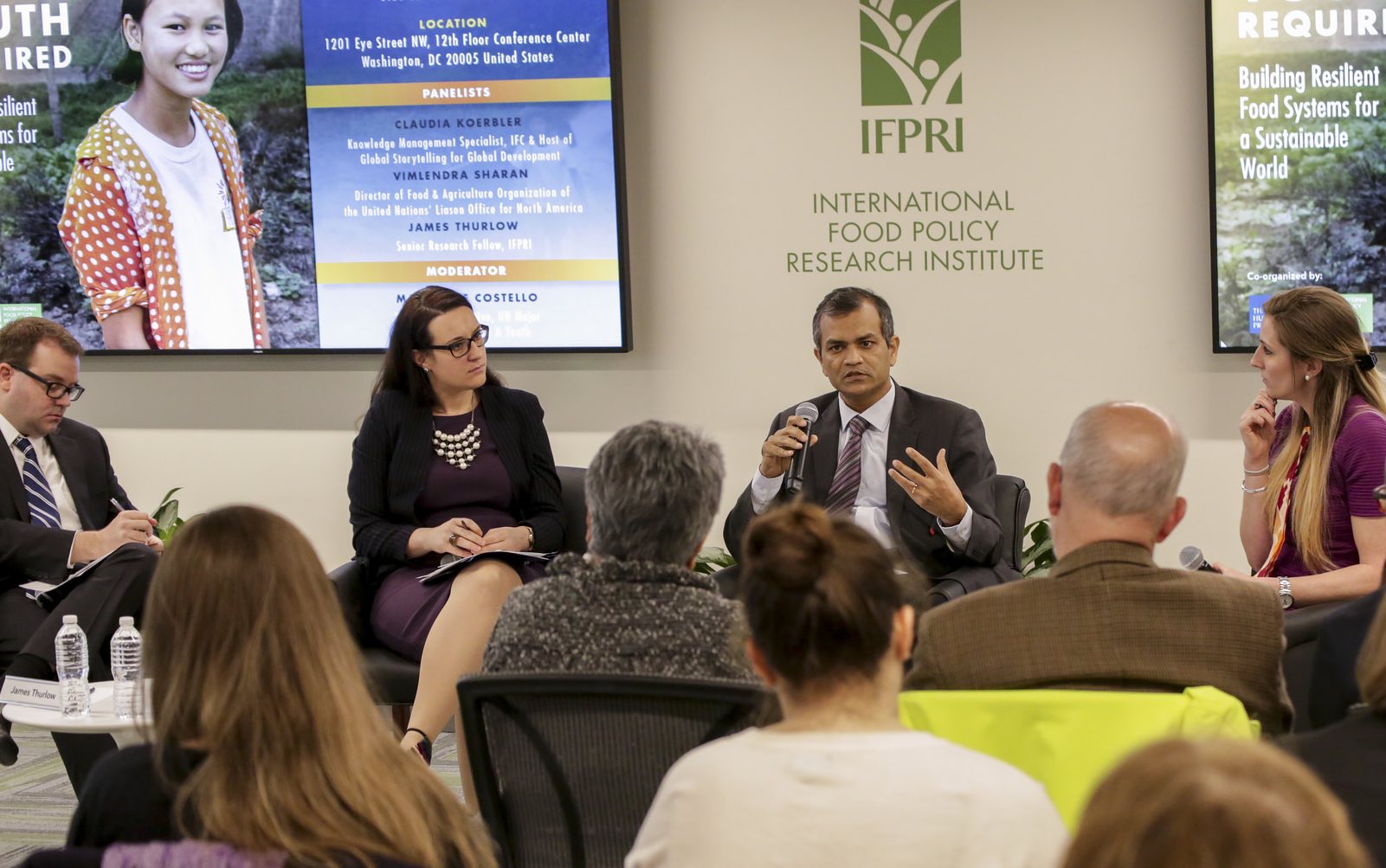
Policy seminar: To feed the world, youth in agriculture required
The world’s population is will hit 9.5 billion by 2050. Meanwhile, the average age of farmers throughout Africa and Asia is currently 60. Who will feed everyone?
-
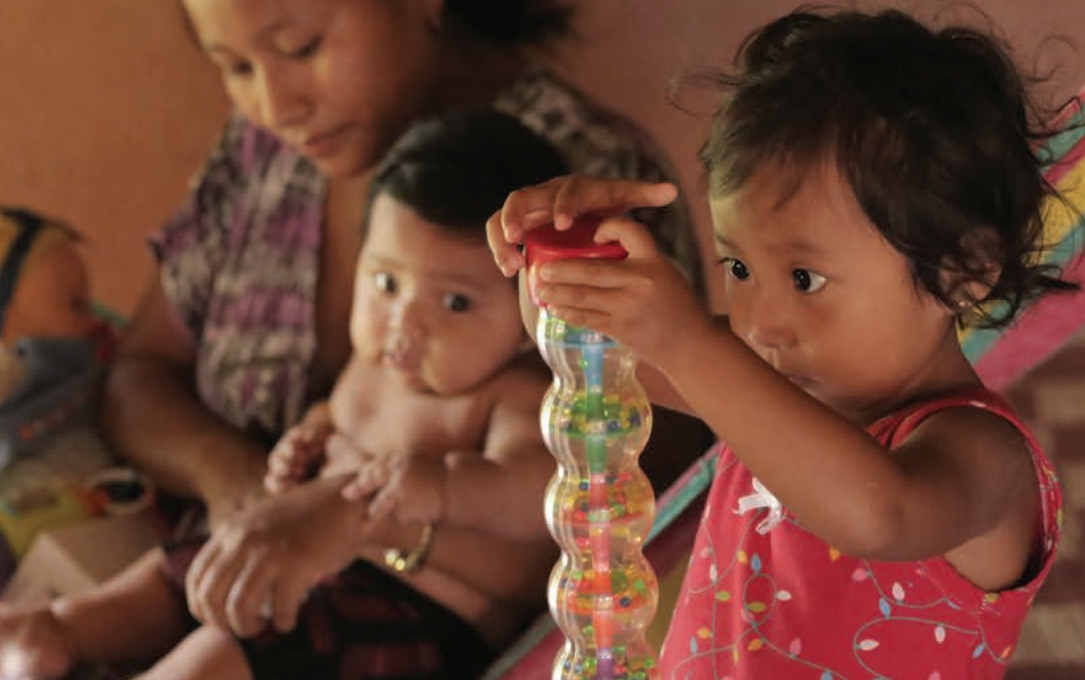
Accelerating progress to meet 2030 goals to improve child and maternal nutrition
A sharp focus is needed on tracking intervention coverage and the drivers of health and nutrition outcomes to meet global goals to eliminate child and maternal nutrition by 2030.
-
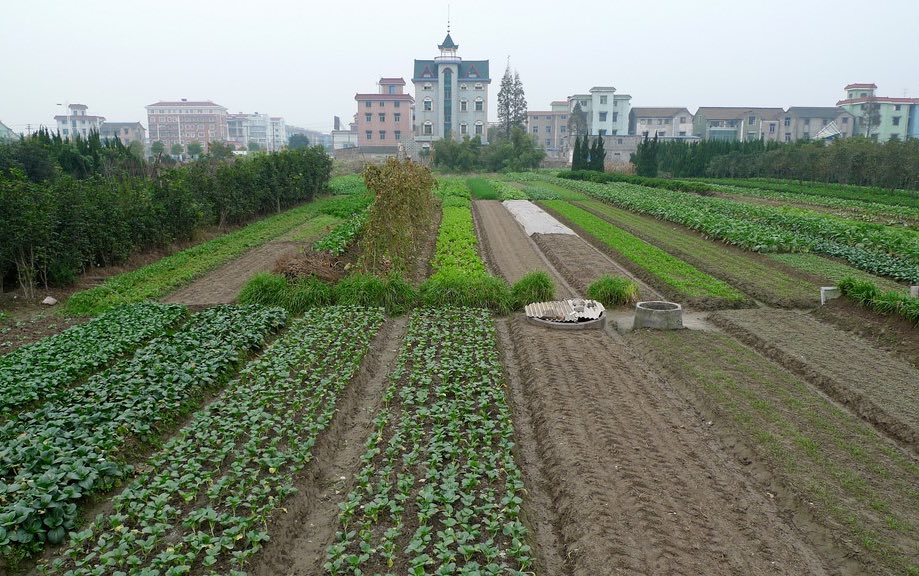
Agriculture is key for economic transformation, food security, and nutrition
To make the large leaps that raise living standards and reduce hunger and malnutrition, begin with agriculture.
-
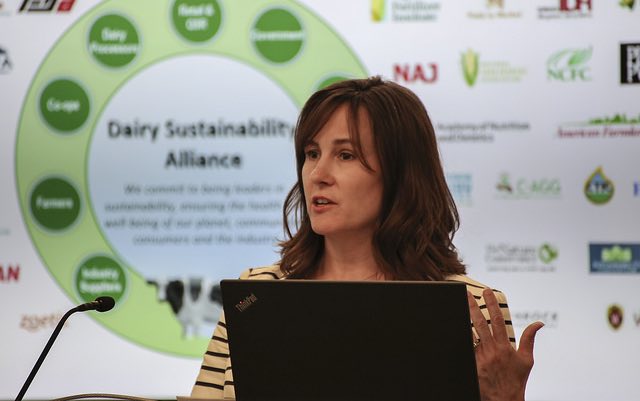
Policy seminar: Animal agriculture in a changing climate
Global demand for animal proteins is steadily rising, yet livestock has an outsized carbon footprint. How to thread this needle.
-
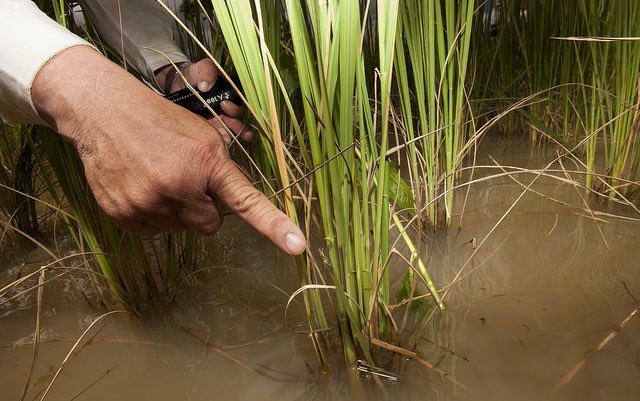
Measuring ecosystem services, managing progress
A new paper suggests ways that natural capital can be harnessed to help meet the SDGs.
-
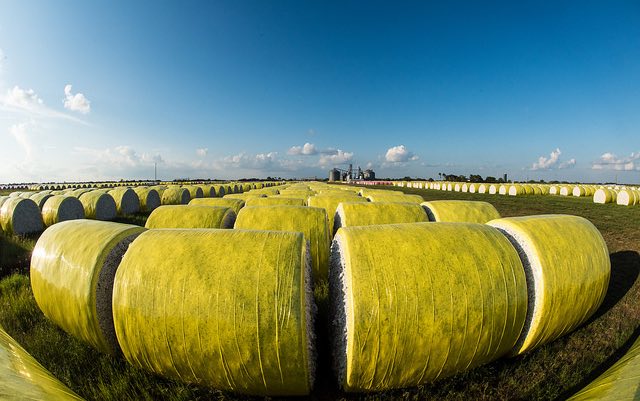
2018 Farm Bill: Protecting the U.S. cotton industry poses risks for developing countries
U.S. cotton farmers want new subsidies – but at what cost?
-
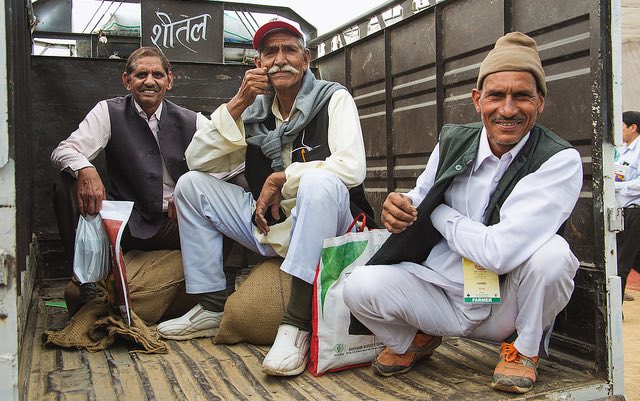
Five ways to reduce farm distress in India
The Indian government can do more to boost incomes and reduce risks for farmers. Some suggestions.
-
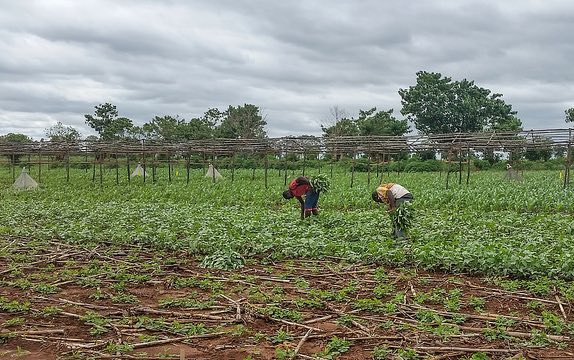
Incentives could create a tipping point in conservation agriculture adoption
Research in Malawi shows that farmers are more likely to adopt conservation agriculture practices when their neighbors are using them—suggesting financial incentives can help to create a virtuous circle.
-

Politics in the time of cholera: Zambia’s U-turn on street vending
After years of giving street vendors free rein, the Zambian government cracked down to stem a cholera epidemic—sparking riots. How to balance basic sanitation with vendors' key economic role.
-
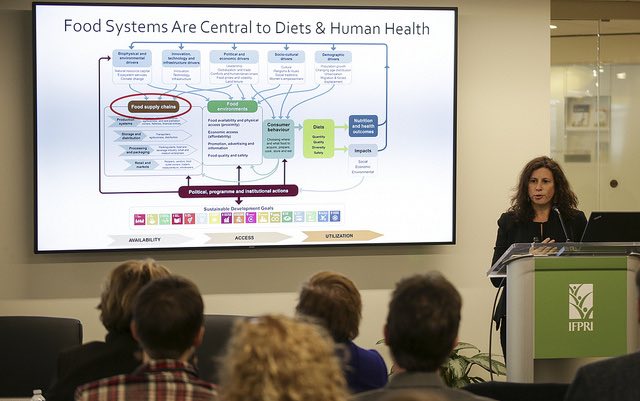
Policy seminar: Evolving food systems pose both challenges and opportunities for nutrition
How should development organizations handle the double burden of malnutrition? An IFPRI discussion on the UN High Level Panel of Experts report, Nutrition and Food Systems.
-
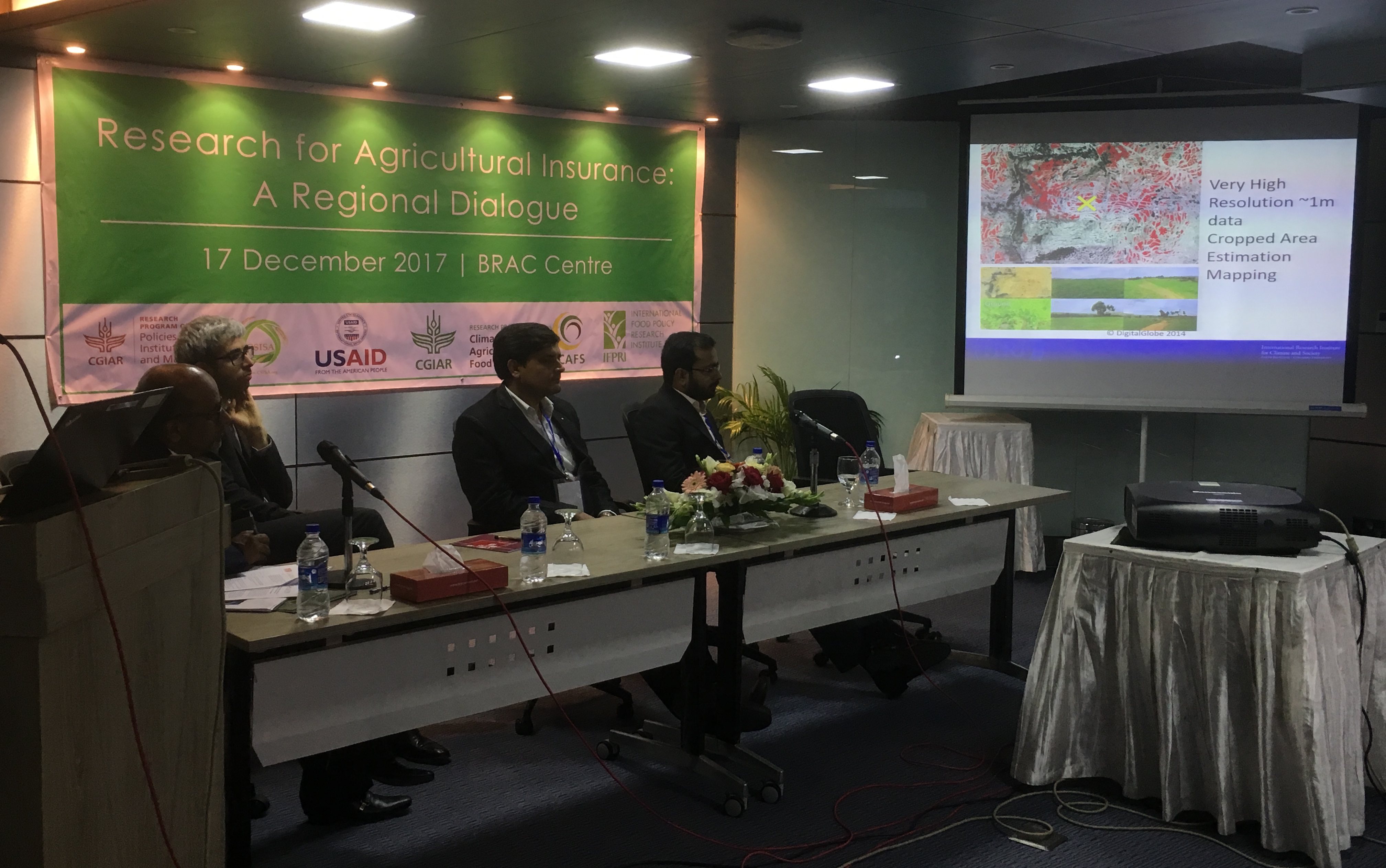
Research for agricultural insurance in South Asia: A regional dialogue
A forum in Dhaka examines the promise and challenges of crop insurance for smallholders as a hedge against growing climate impacts.
-
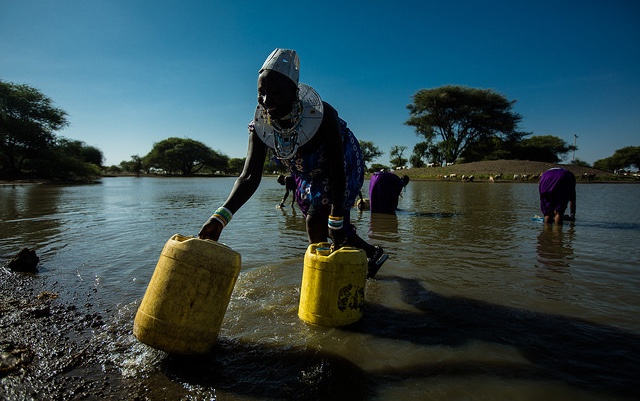
Can irrigation both empower and exclude women?
Small scale irrigation projects yield agricultural gains—but create unanticipated problems for women farmers in Tanzania.
-

Expanding high-value agricultural exports from Africa
Tapping into the rising global demand for fruits, vegetables, and other horticulural products can help generate jobs and export earnings.
-
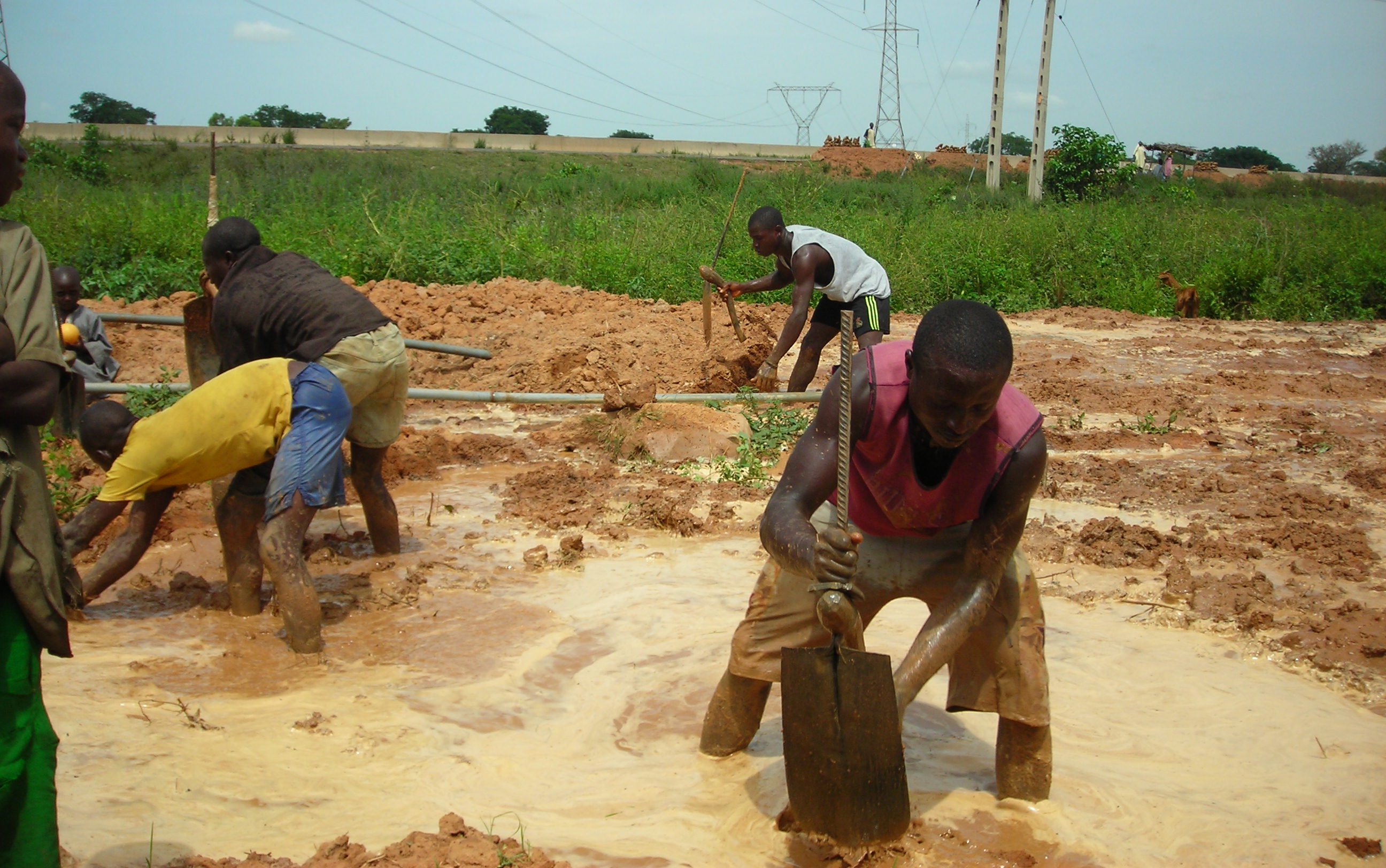
Cultivating growth in Nigerian agriculture with small-scale irrigation
Currently, only 1 percent of Nigerian cropland is irrigated—leaving farmers at the whim of seasons and climate shifts.
-
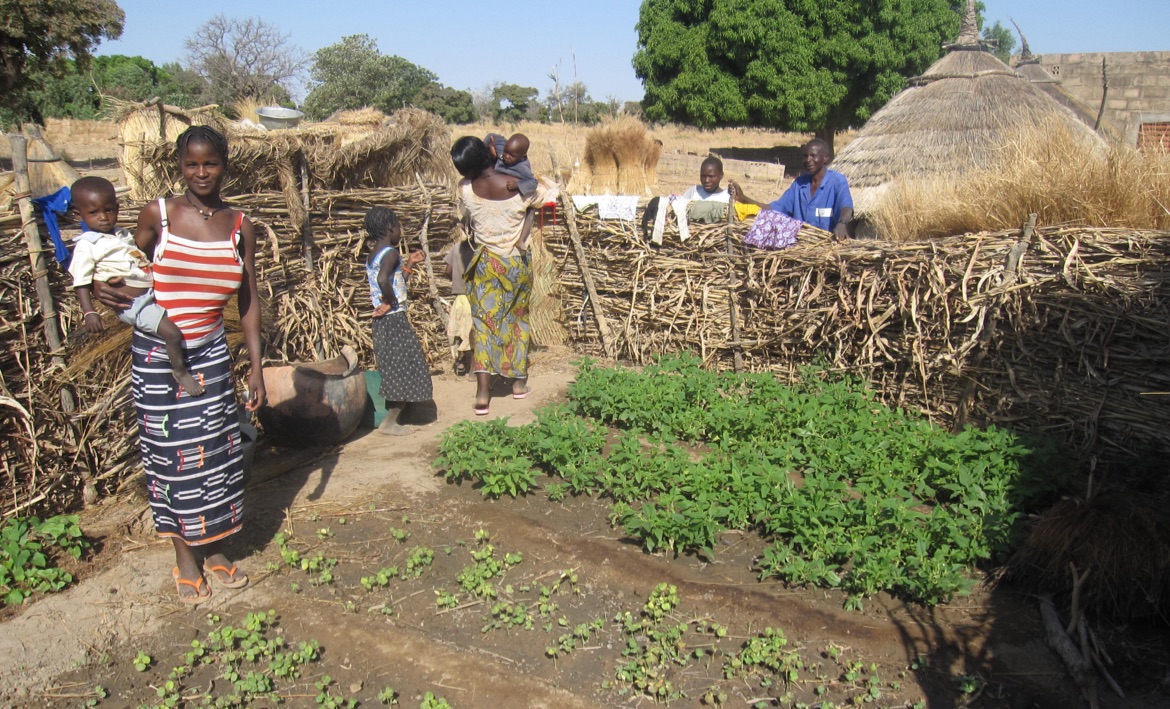
Policy seminar: Nutrition-sensitive agriculture program in Burkina Faso improves children’s nutritional outcomes
A 10-year collaboration between IFPRI and Helen Keller International leads to improving measures of anemia, stunting, and other benchmarks among participating children.
-

What’s driving the growth of agricultural mechanization in Africa
Rising food demand in growing cities and an expansion of medium-sized farms are among the factors boosting demand for tractors and other machinery.
-

Whither global trade talks after the failure in Buenos Aires?
The Eleventh WTO Ministerial Conference ended with virtually no progress, and hoped-for advances on food and agriculture failed to materialize. What now?
-
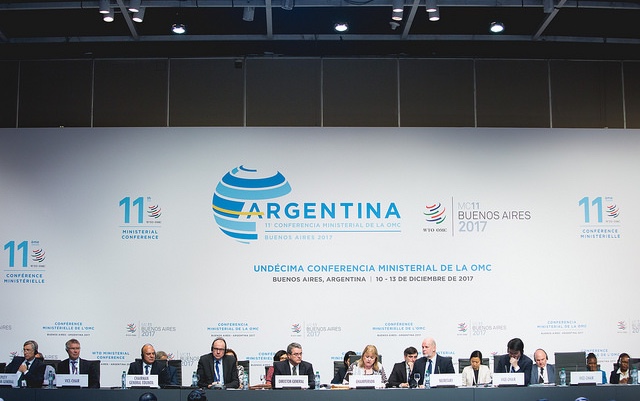
That was then, this is now: WTO and agriculture
The Eleventh WTO Ministerial concluded with little progress on agriculture. And as countries struggle to reach agreement on basic issues, the reality of food systems on the ground continues to evolve.
-
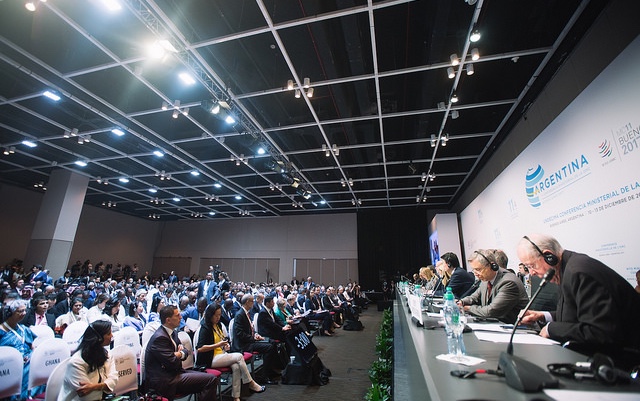
Southern Cone countries and agricultural trade at the Eleventh WTO Ministerial
A new book explores opportunities and obstacles for Argentina, Brazil, Paraguay, and Uruguay in global trade negotiations.
-

Building food security through international trade agreements
The Eleventh WTO Ministerial Conference in Buenos Aires offers an opportunity to jump-start stalled international progress on trade and food security.
-
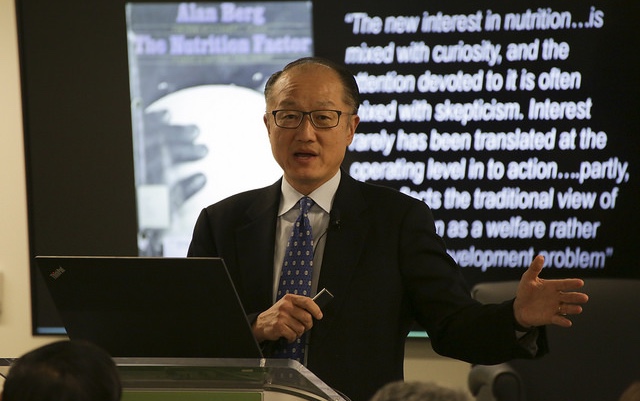
World Bank Group’s Jim Yong Kim: Invest in nutrition, human capital to ensure developing countries’ economic future
At the 27th Annual Martin J. Forman Memorial Lecture, a focus on getting countries to commit and stay committed to their most valuable resource—their own citizens.
-
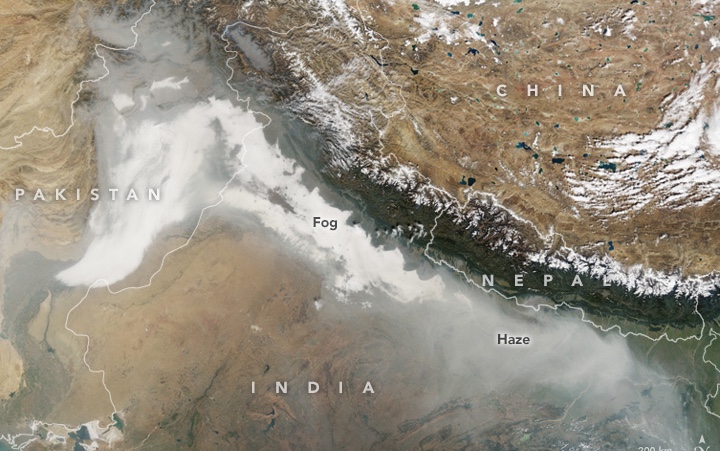
Air pollution casts a shadow over development
As New Delhi faces an ongoing smog emergency, research shows that air pollution harms people's cognition and overall happiness.
-
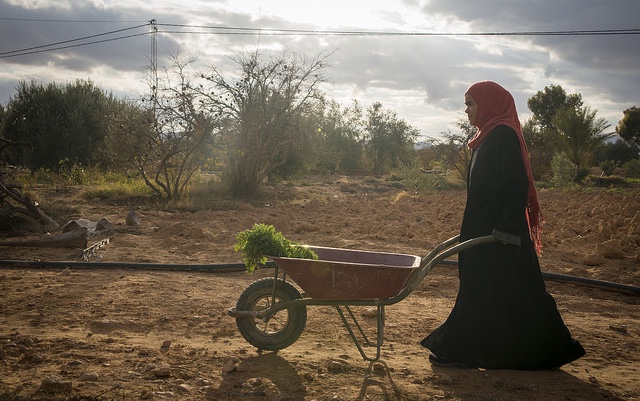
Can we strengthen climate resilience without compromising gender equity and nutrition outcomes?
Climate programs must take more than just climate into account. A new framework for policy makers.
-
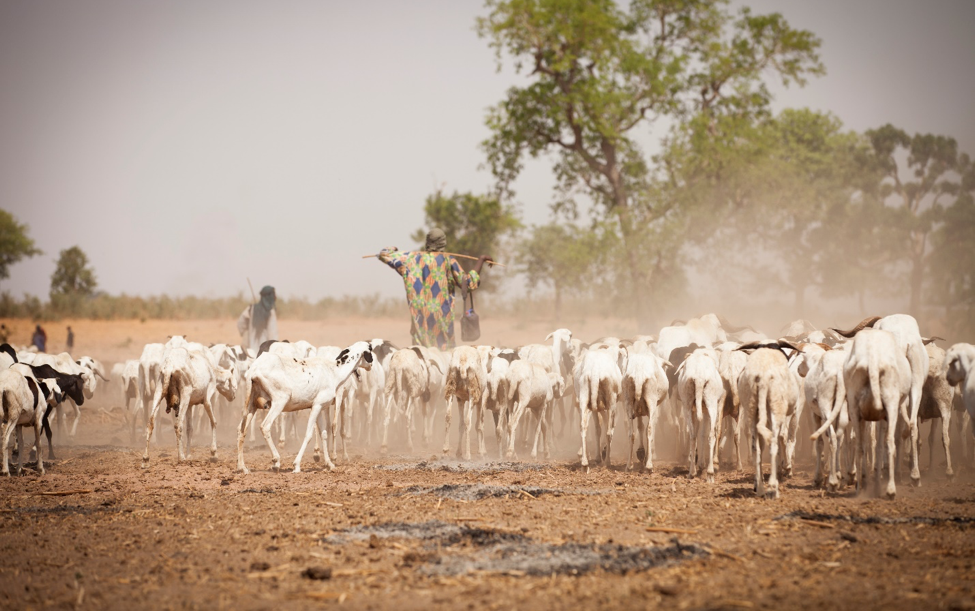
World Soil Day: Overcoming farmers’ resistance to climate-smart agriculture in Africa
Soil fertility management not only prevents land degradation, it boosts profits—so why are many African farmers reluctant to adopt it?
-
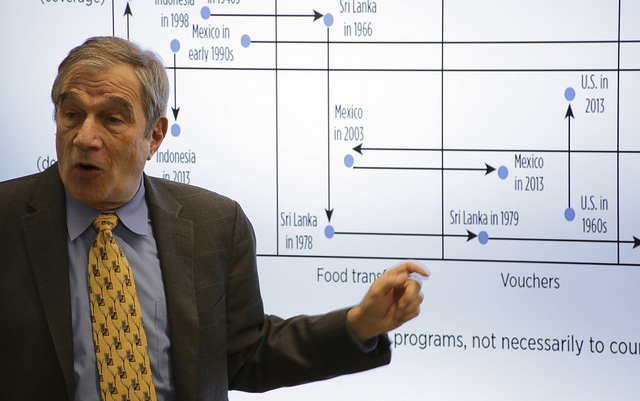
Book launch: Food, vouchers, or cash transfers – the debate over social protection
Despite the trend toward cash transfers, many countries retain a mix of food assistance programs.
-
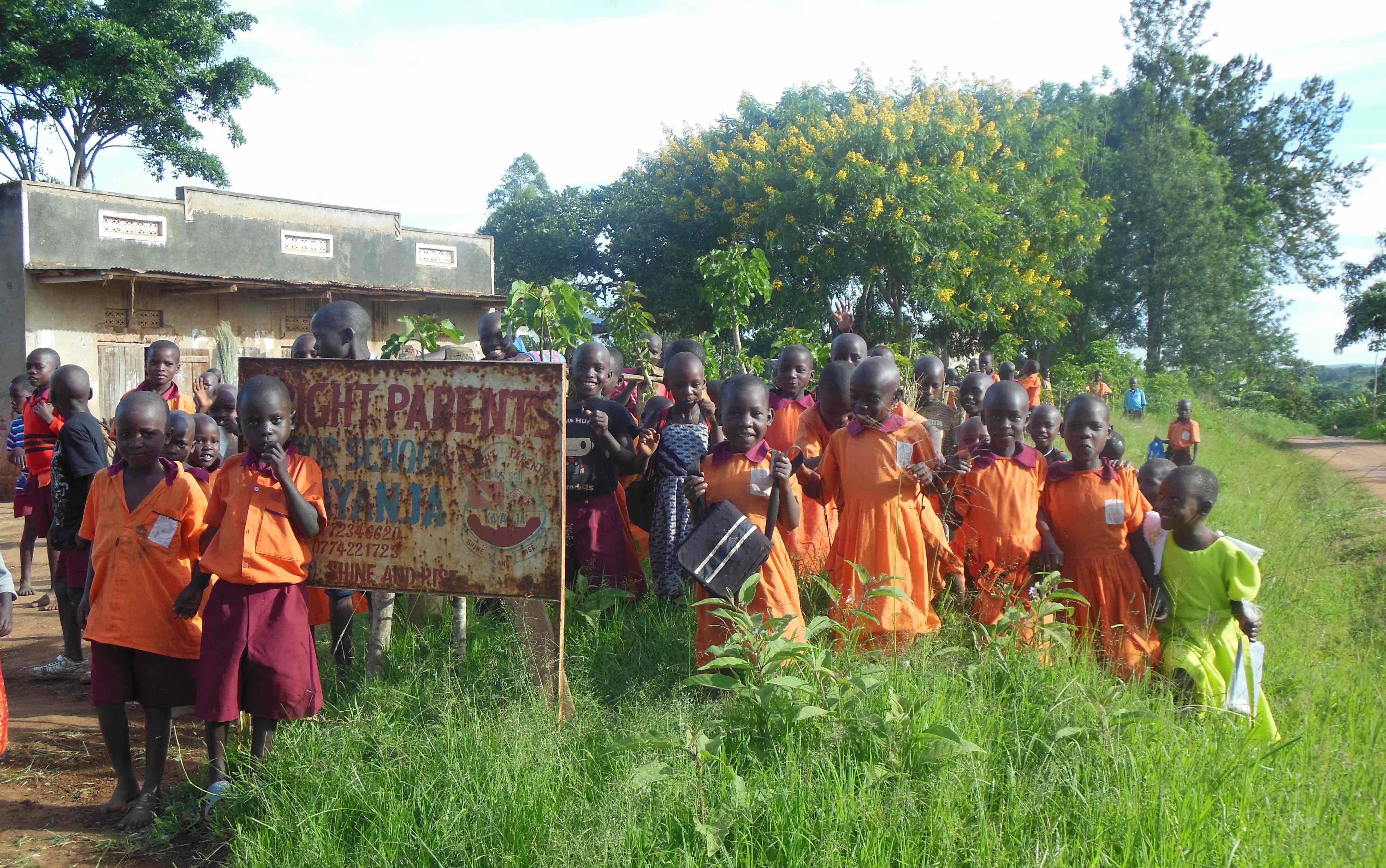
Can sustainability standards promote socioeconomic development in the small farm sector?
Research in Uganda shows certfication schemes have education and gender equity benefits, but results vary considerably by program.
-

FAO State of Food and Agriculture report: Transforming rural areas and linking them to cities can bring inclusive growth, reduce poverty and hunger
Participants at an IFPRI policy seminar on how rural areas can be engines for development, boosting food security and living standards.
-
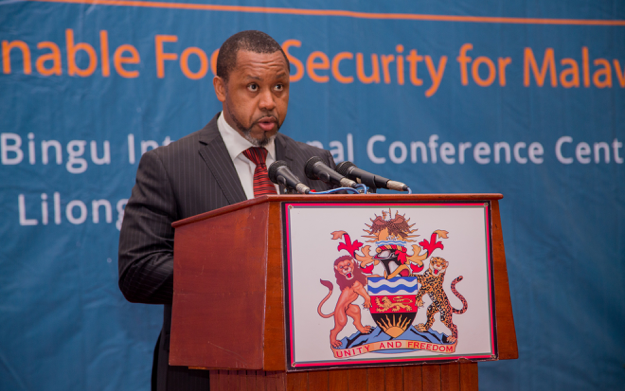
Compact2025 Malawi Forum: Moving from relief to resilience
With Malawi soon to release its National Resilience Strategy, stakeholders explore how to overcome malnutrition and other food system vulnerabilities.
-
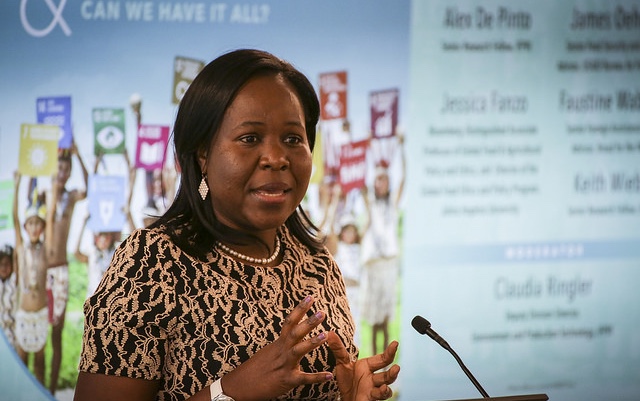
Policy seminar: As COP23 convenes, how can we build climate resilience into food systems?
Participants at an IFPRI forum discuss how best to leverage research efforts and climate-smart agriculture to help the global poor withstand climate change.
-
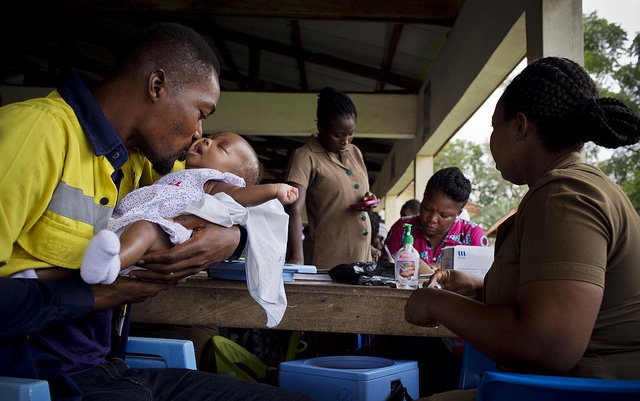
How Africa can end hunger and malnutrition: Key lessons from the continent’s front-runners
Since 2000, seven African countries have reduced malnutrition by about half. How they did it.
-
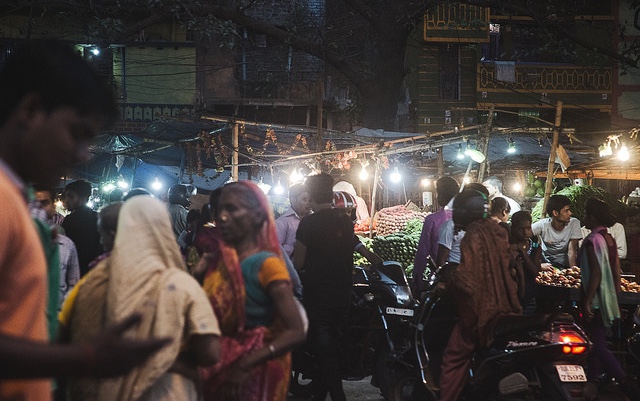
World Cities Day: Growing urban areas require more research to meet development challenges
As the world's cities grow, so do the problems of the urban poor—exposing gaps in knowledge needed to devise effective policies.
-
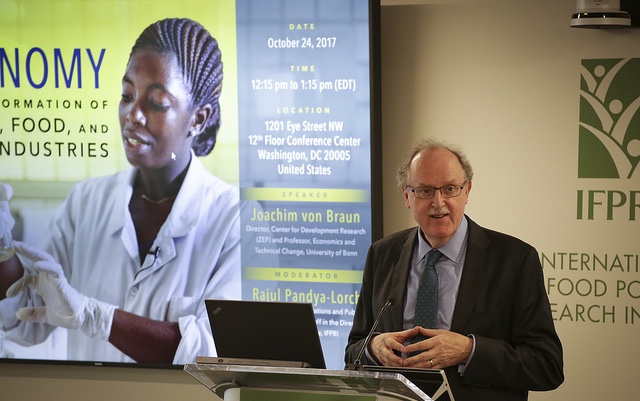
Bioeconomy: Pathway to achieve key Sustainable Development Goals
Joachim von Braun of the University of Bonn Center for Development Research (ZEF) on a major emerging force in sustainable development.
-
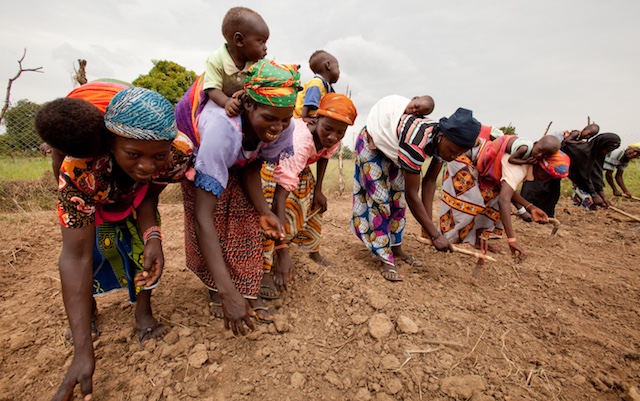
How development organizations can help women’s empowerment
Fostering genuine empowerment is a complex process. Here's the role organizations can play.
-
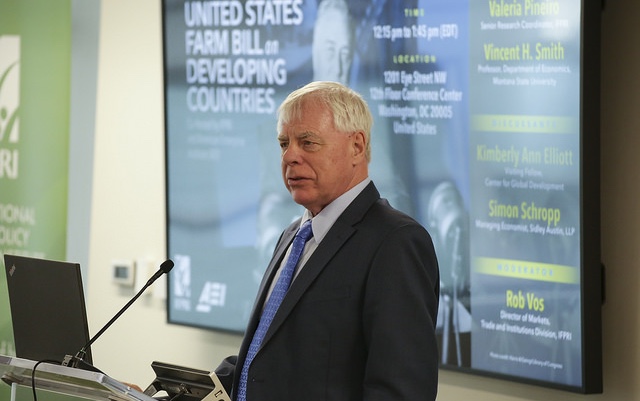
Policy seminar: U.S. farm bill impacts reach developing countries, WTO talks, global poor
U.S. agricultural trade policies contain many distortions that work against developing countries. What are the prospects for reform?
-
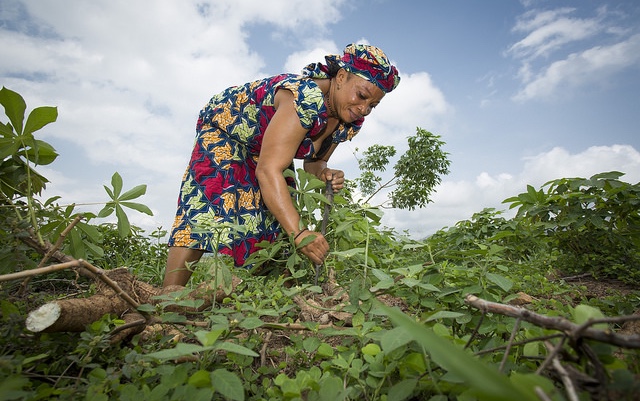
Gender gap shrinks in agricultural research in Africa South of the Sahara
A new research portal tracks women's representation in agricultural research in Africa country-by-country.
-

Book launch: Filling Africa’s villages with buckets of prosperity
Former IFAD President Kanayo F. Nwanze's A Bucket Of Water: Reflections on Sustainable Rural Development explores the struggles and victories of smallholder farmers.
-
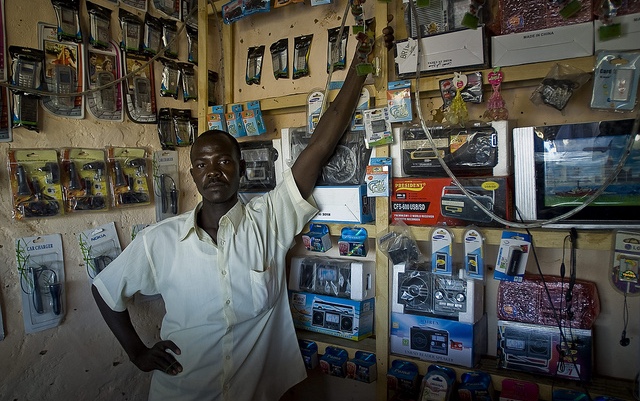
World Food Day: Ways to address conflict-driven migration
A new FAO-IFPRI brief finds some surprising effects in the dynamic between migration and food security.
-
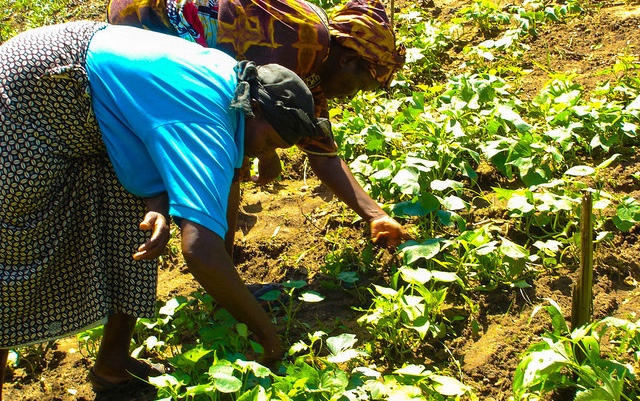
International Rural Women’s Day: Land rights for women are key in poverty reduction – but more needs to be done to link the two
The benefits of women's land rights offer a promising path for poverty programs and for future research.
-
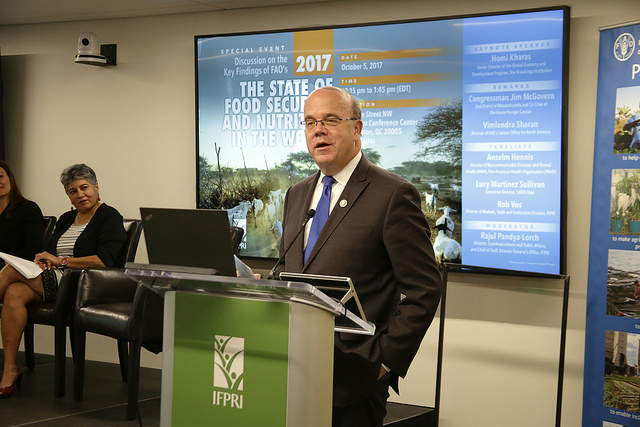
FAO Food Security Report shows a world hungrier for results and action
Participants at an IFPRI forum warn that the fight against global hunger is hitting choppy waters.
-
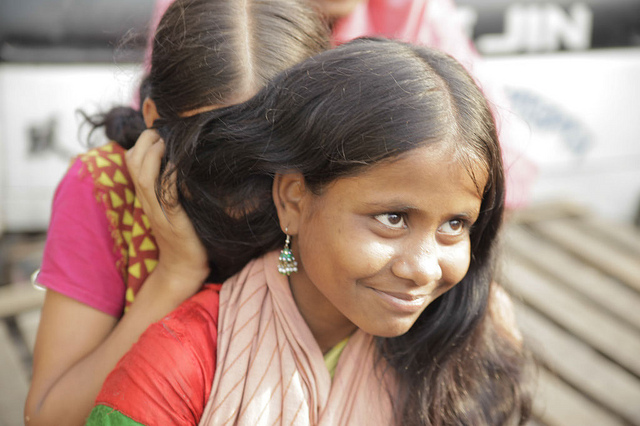
Girls, interrupted
On the International Day of the Girl Child, IFPRI research shows the benefits of early health, nutrition, and education interventions—and the need for better data.
-
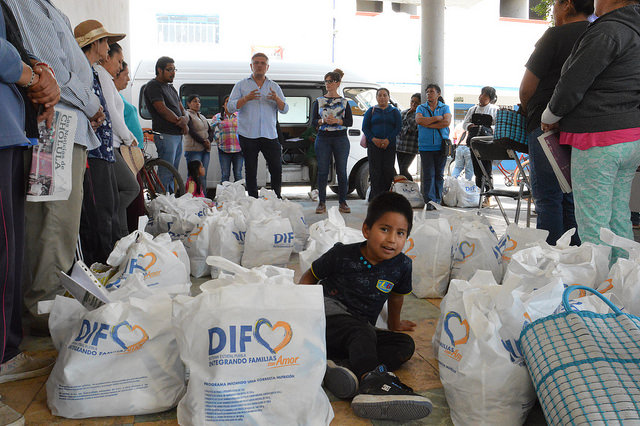
Cash it out? Why food-based programs exist, and how to improve them
Despite the shift to distribute food aid via cash transfers, they are not a one-size-fits-all solution, a new World Bank report suggests.
-
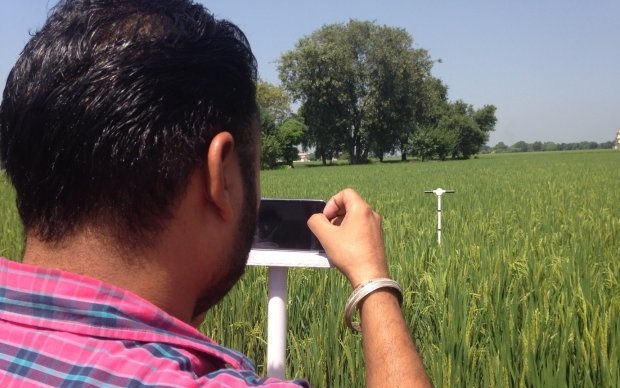
Picture-based crop insurance: Is it feasible? Is it sustainable?
The rising use of smartphones holds promise in making crop insurance more accessible to farmers.
-
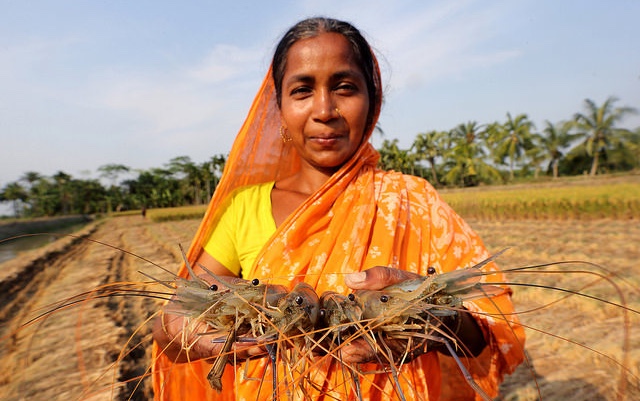
Bangladesh’s aquaculture boom is improving diets
Inside Bangladesh's quiet revolution in fish farming.
-
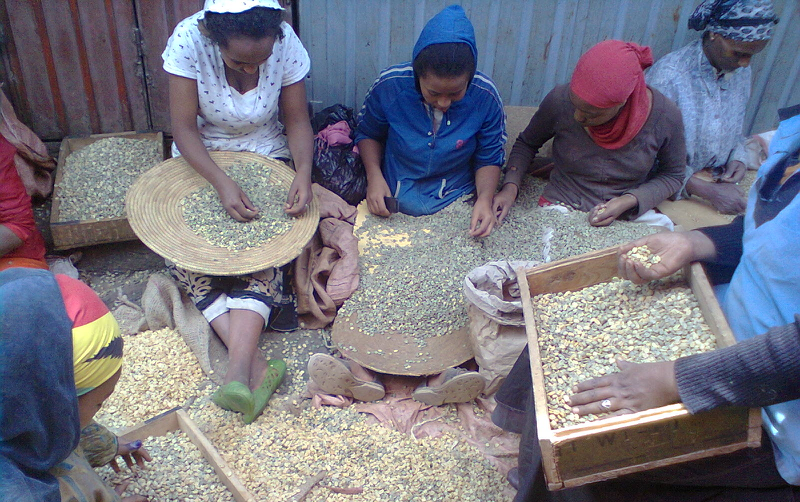
Fair Trade but not fair price for coffee farmers in Ethiopia
Consumers pay more for Fair Trade and Organic certified coffee. But only a fraction of that premium reaches coffee farmers in Ethiopia.
-
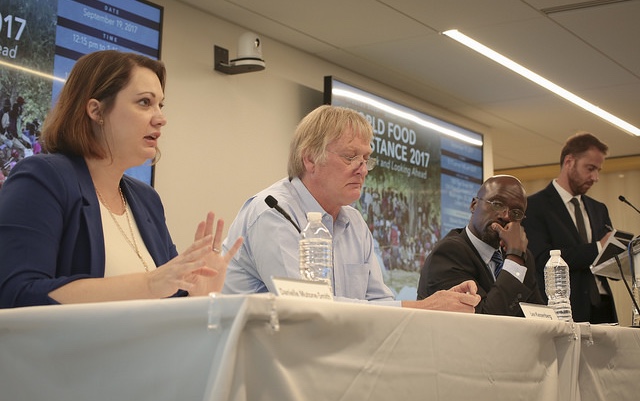
WFP report launch: As world food assistance grows, how to deliver it effectively?
The World Food Programme's aid spending has more than doubled since 2009. Participants at an IFPRI event discuss what that means for the future of food assistance.
-
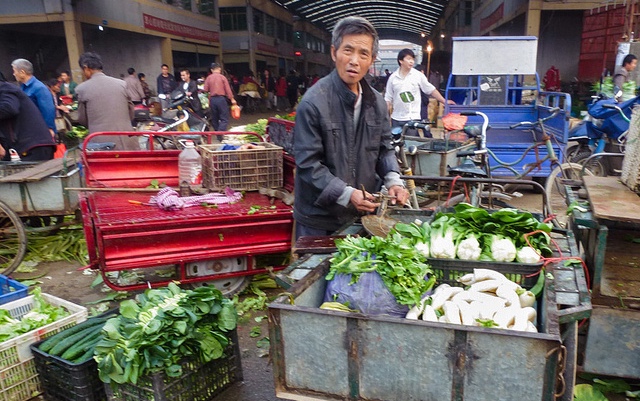
Reforming China’s agrifood sector to face economic and nutrition challenges
IFPRI's Director General on how China can reorient its agriculture and food systems to confront problems such as overnutrition, grain surpluses, and soil degradation.
-
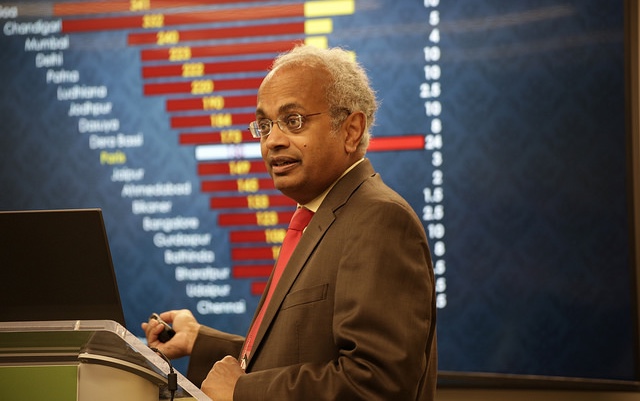
IFPRI Research Day: What to do when markets and governments fail poor people
At the IFPRI staff retreat, Shanta Devarajan of the World Bank explains how well-intentioned fixes for market failures too often result in government failures.
-
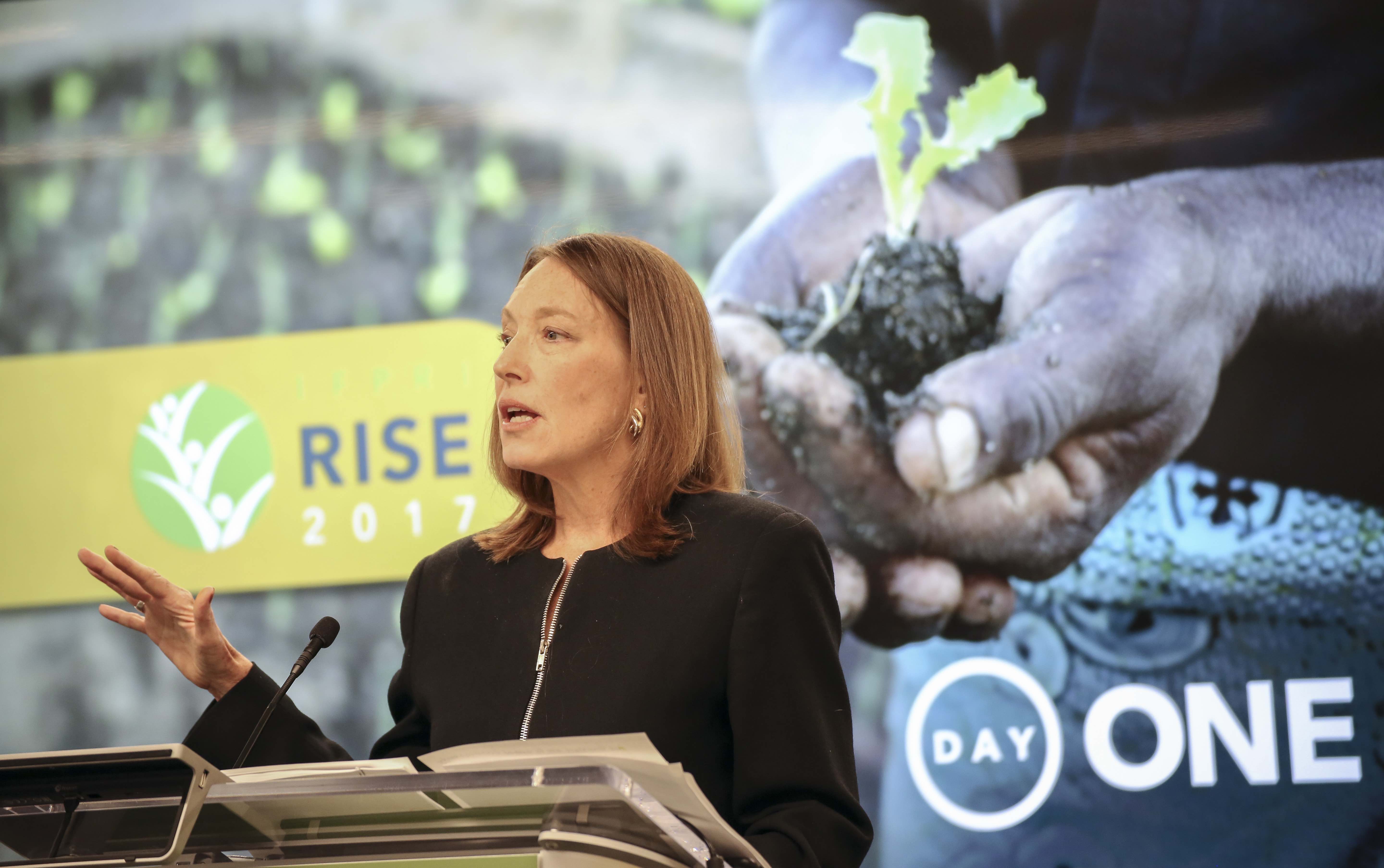
Innovative approaches to tackling urban hunger and malnutrition
Nancy Roman of the Partnership for a Healthier America on how to reform America's food assistance programs.
-
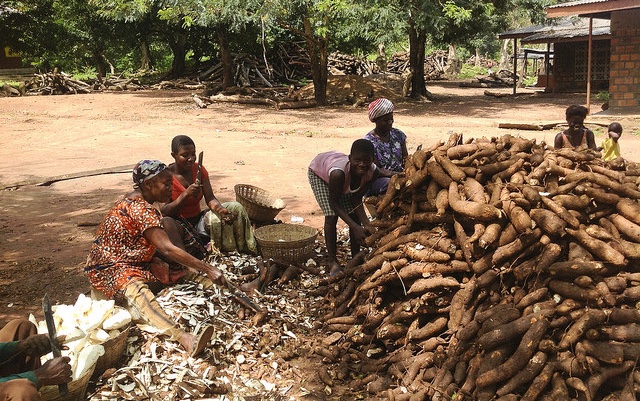
5 lessons from Africa for policymakers to reduce malnutrition
A new report shows how focused public and private efforts can yield progress in the fight against hunger.
-
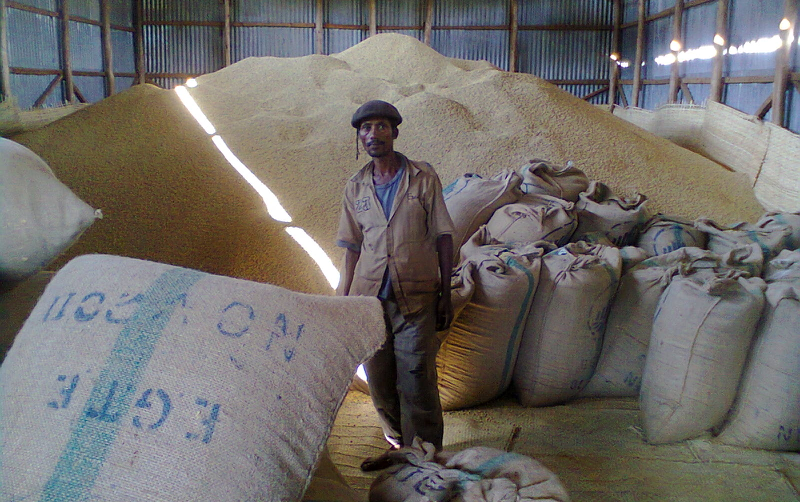
Ethiopia’s coffee farmers struggle to realize benefits from international markets
Smallholder farmers in the cradle of the global coffee industry face technical and market obstacles—and climate change.
-

U.S. trade wars with emerging countries: Make America (and its partners) lose again!
IFPRI researchers model what would happen if President Trump launched a trade war between the United States and China or Mexico.
-
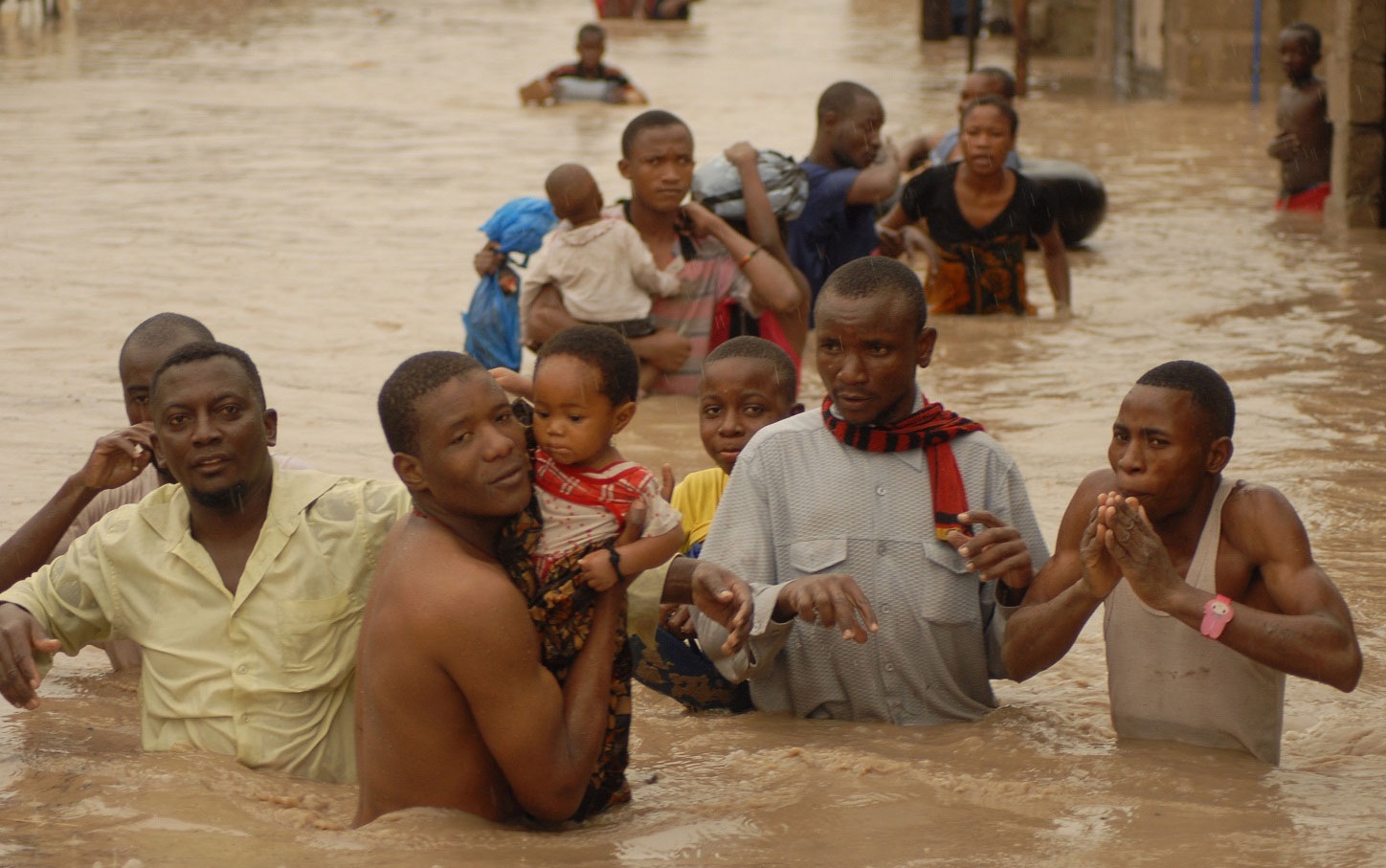
El Niño, La Niña, and climate resilience in Tanzania
The Pacific climate oscillation is contributing to intensifying rainfall events and droughts in southern Africa.
-
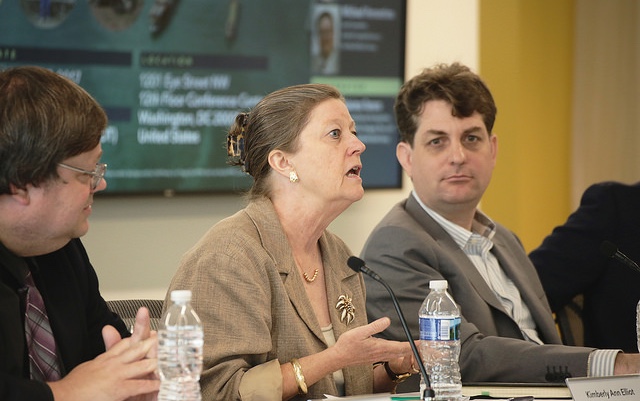
IFPRI book launch: How trade policies can foster food security
Despite its flaws, the international trading system has many tools that can be applied to reduce hunger and malnutrition.
-
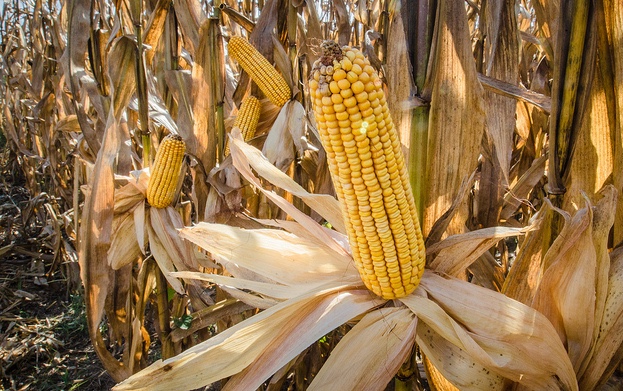
For climate change, the American farmer is the sleeping giant
U.S. corn farmers have largely avoided rising temperatures during growing seasons. What happens when climate change kicks in?
-
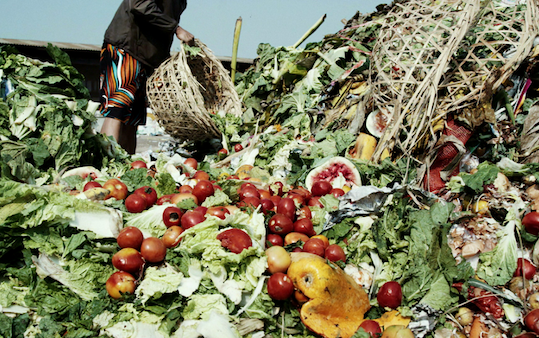
Reducing food loss is key to end hunger and undernutrition by 2025
Approximately $940 billion worth of food is lost or wasted each year throughout the entire food supply chain.
-

Renegotiating NAFTA: Don’t forget consumers
NAFTA has been a boon not just to commerce, but to the consumption of fruits and vegetables and to public health. New trade barriers could erase those gains.
-
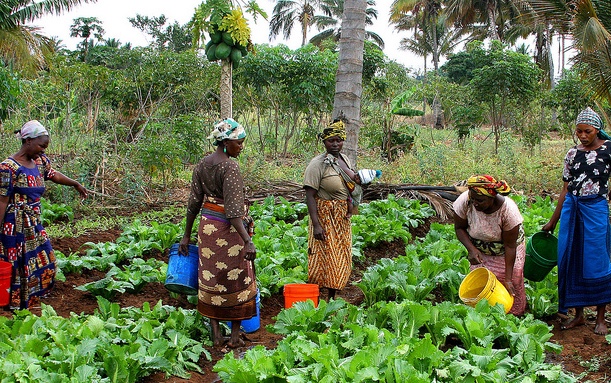
Beyond quotas: Ensuring women’s access to irrigation in the household
Research in Africa by IFPRI and the International Water Management Institute (IWMI) shows organizations should actively engage women in decision-making on smallholder irrigation.
-
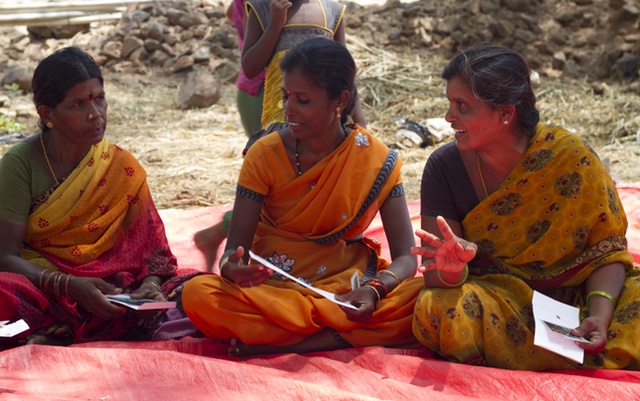
World Water Week: Experimental games spark community cooperation on groundwater in India
One way to preserve groundwater – get consumers thinking about their own water use, and their neighbors', with a cooperative game.
-
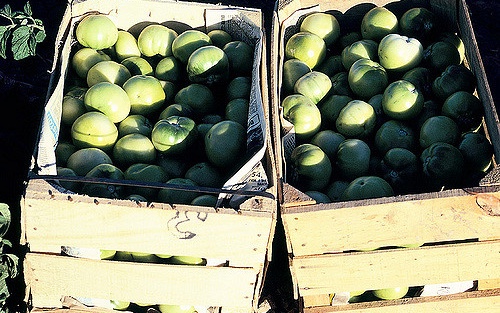
Trade barriers aren’t the way to fix nutrition
As NAFTA negotiations get underway, a look at how punitive tariffs and other trade penalties could undermine efforts to improve nutrition.
-
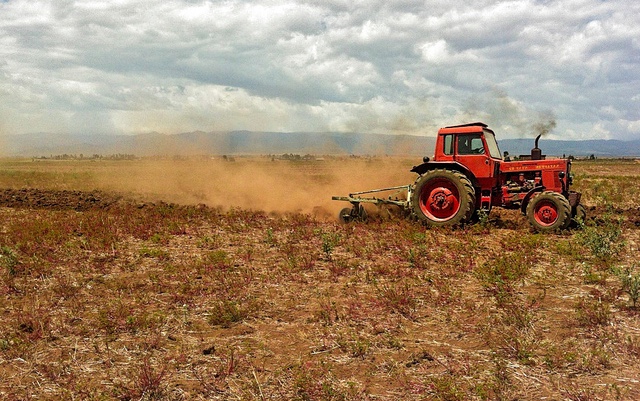
Africa must invest now to harness future agricultural technologies
Without robust agricultural R&D, Africa risks falling further behind other regions.
-
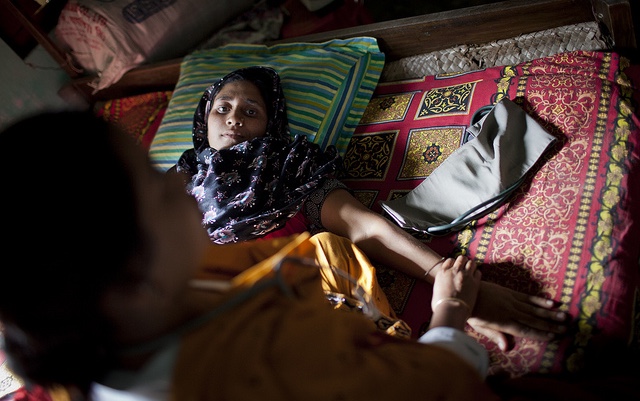
When maternal care is not enough: Risks of adolescent pregnancy in Bangladesh
Pregnancy carries more health risks for adolescent girls and their infants in Bangladesh than for older mothers, even when prenatal care and other services are provided.
-
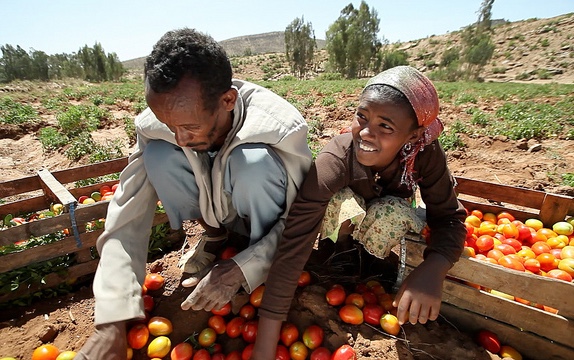
The rising cost of healthy nutrition in Ethiopia
IFPRI research shows that the prices of high-quality foods including fruits, vegetables, nuts, meats, and dairy have risen sharply in Ethiopia over the past decade—a potential obstacle to efforts to boost nutrition.
-
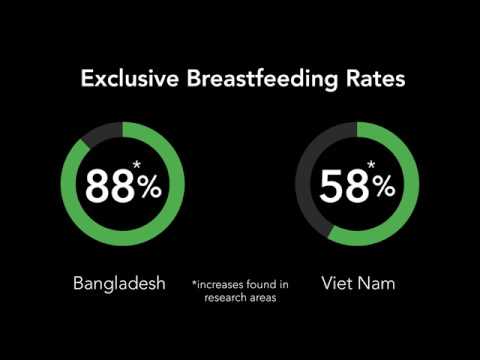
Starting off right: Scaling up breastfeeding practices in Bangladesh and Viet Nam
Interpersonal counseling and other targeted efforts boost breastfeeding and childhood nutrition—and can be applied most anywhere, IFPRI research shows.
-

Be patient: Avoid “false positives” in measuring commitments to save
New research examines how personal preferences and real-world conditions shape people's economic decisions.
-
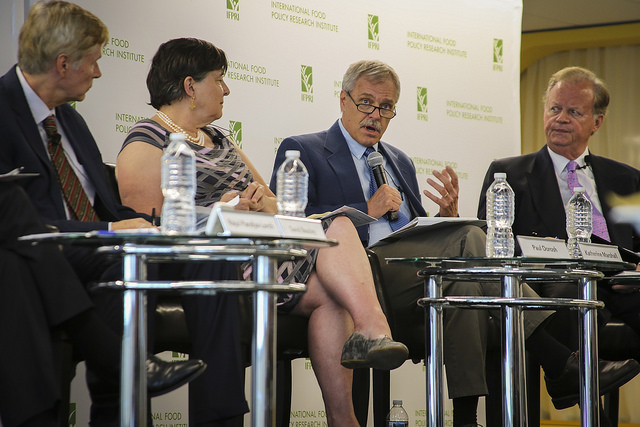
IFPRI roundtable: Limit conflict, build resilience to avert famines
As famine grips four countries in Africa, an IFPRI panel discusses how to blunt its impact and head off future humanitarian disasters.
-
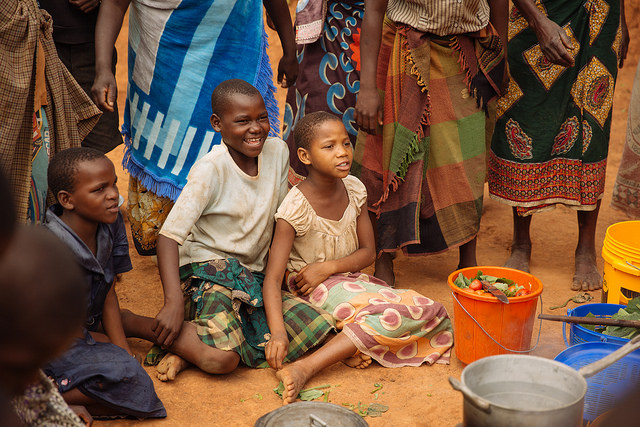
Exploring a changing employment landscape: Implications for Malawi’s youth
Can Malawi's economy, dominated by agriculture, provide enough quality jobs for a fast-growing, better-educated population?
-
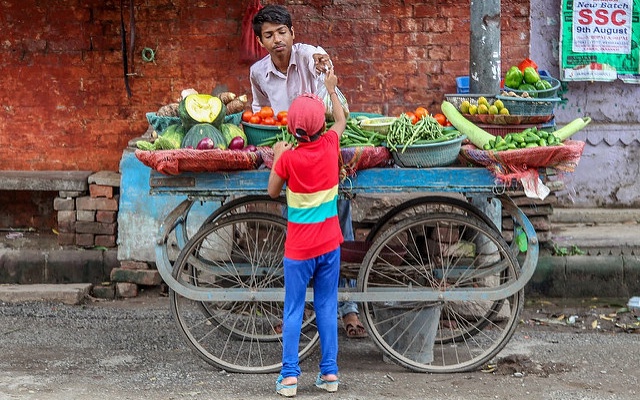
World Population Day 2017: IFPRI models impact of population growth on demand for food
How population growth will challenge efforts to end hunger and build sustainable food systems.
-

IFPRI congratulates Akinwumi Adesina on 2017 World Food Prize
IFPRI congratulates Akinwumi Adesina on being named the recipient of the 2017 World Food Prize.
-
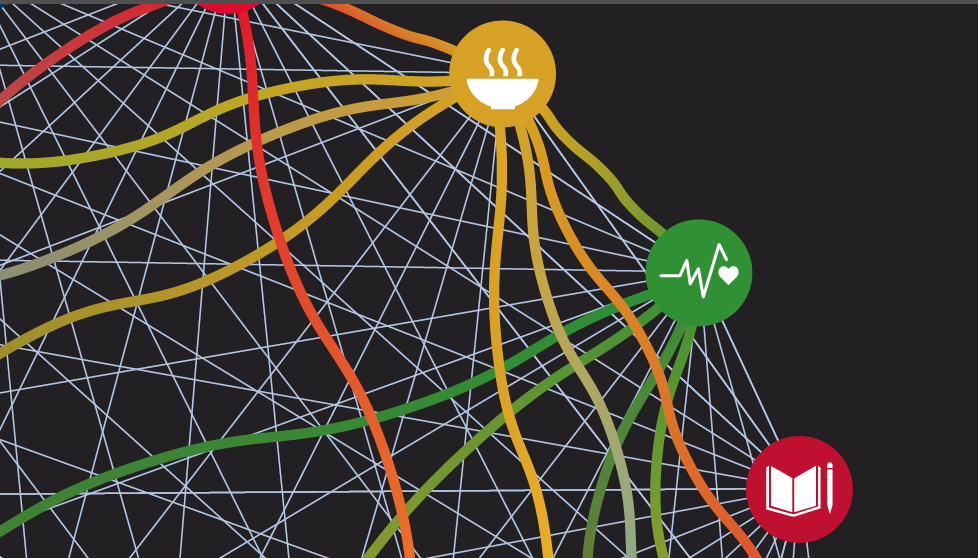
Linking up the SDGs: The key to food and nutrition security
A new report maps synergies and potential conflicts between the 17 Sustainable Development Goals.
-
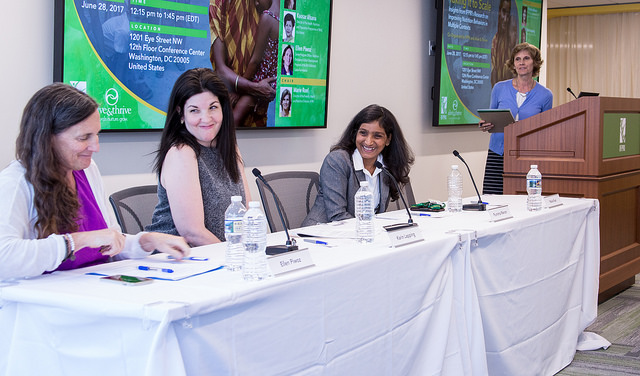
IFPRI seminar: Alive & Thrive maternal-child nutrition program looks to build on successes in Bangladesh, Ethiopia, and Viet Nam
How to scale up a successful nutrition communications and education program.
-

Ending famines and chronic hunger requires good governance
Lessons from Bangladesh and Ethiopia on how to build reslience into food systems.
-
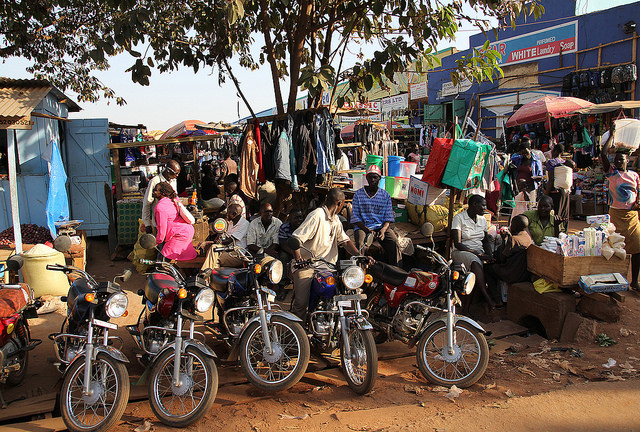
Why supporting Africa’s informal markets could mean better nutrition for poor city dwellers
The urban poor depend on local markets and street vendors to feed their families, yet governments are indifferent and sometimes hostile to this essential economic activity.
-

New study shows the world must urgently confront the growing obesity pandemic
It's time for global institutions and national governments to take the rising public health threat of obesity and overweight seriously.
-
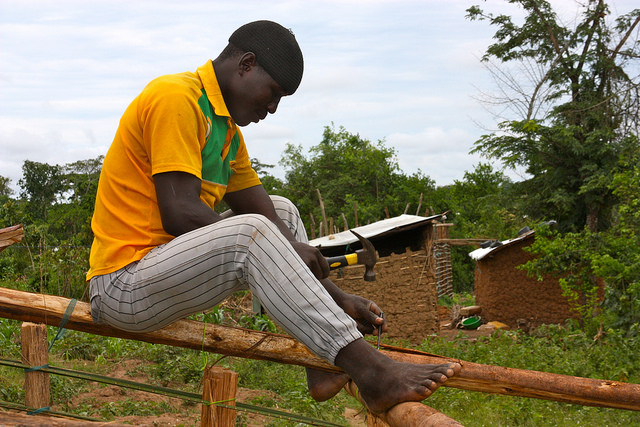
What Rwanda and Uganda can teach us about the benefits of hosting refugees
Research shows that with proper support, refugees can provide an economic boon to surrounding communities.
-
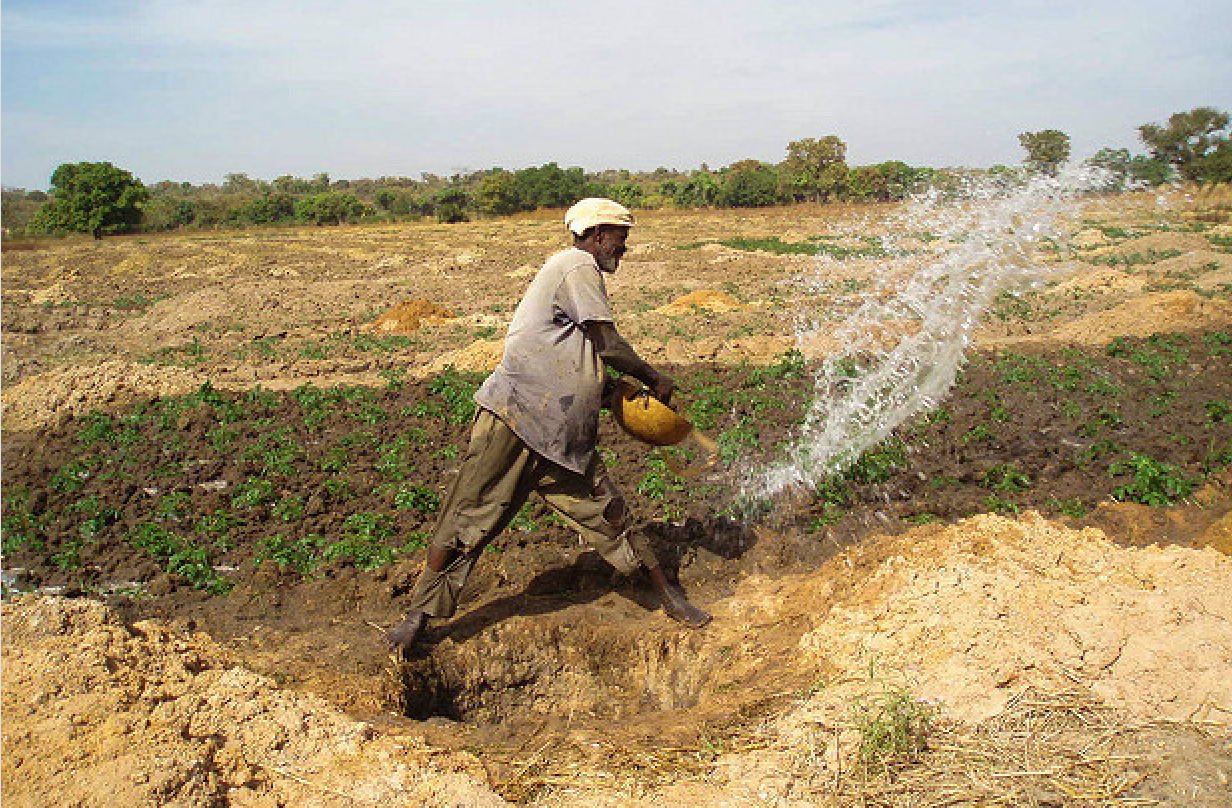
The challenge of our lifetime: How to ensure nutrition for everyone under climate change
A new IFPRI discussion paper outlines the challenges of building global food security in an era of global warming, especially for the rural poor.
-
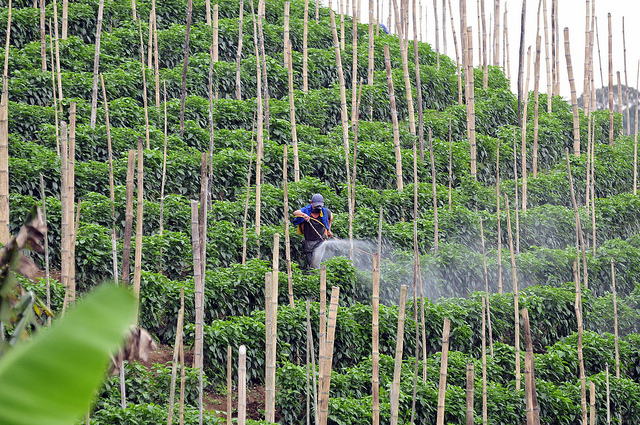
A new path to policy: Colombia’s participatory climate leadership
With IFPRI's input, stakeholders from Colombia's agriculture, forestry, and land use sectors worked together in an innovative, collaborative process to plan out ways to reduce carbon emissions under the Paris climate agreement.
-
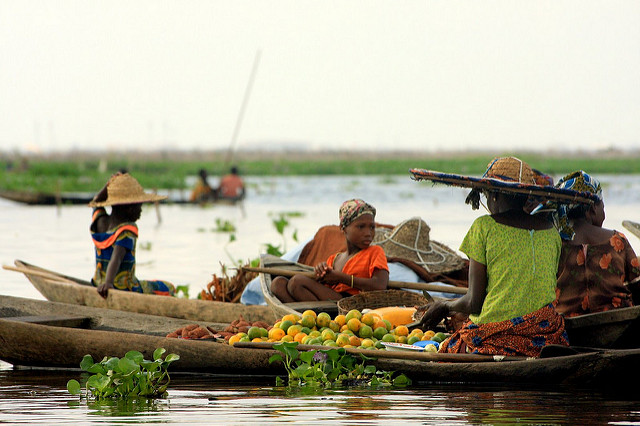
Why agricultural research investment lags in Africa south of the Sahara
New data show a disquieting trend that countries must address to boost agricultural sustainability and improve farmers' well-being.
-
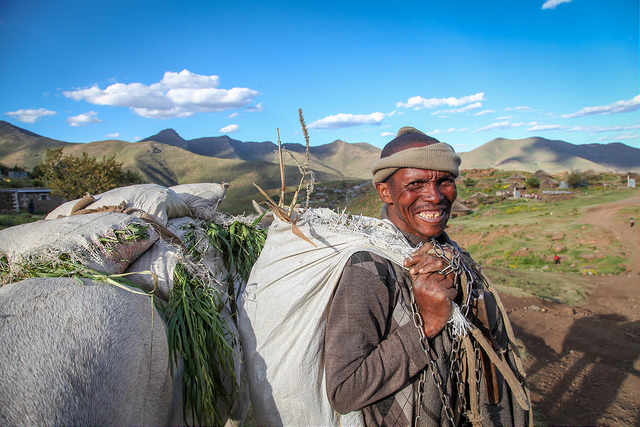
For smallholders to thrive under climate change, we need resilient agriculture value chains
The U.S. withdrawal from the Paris climate accord means nations should redouble their efforts to invest in sustainable, resilient agriculture.
-

Argentina in world forums: Opportunity and challenge
Prospects for Argentina as it enters a hectic period on the international stage.
-
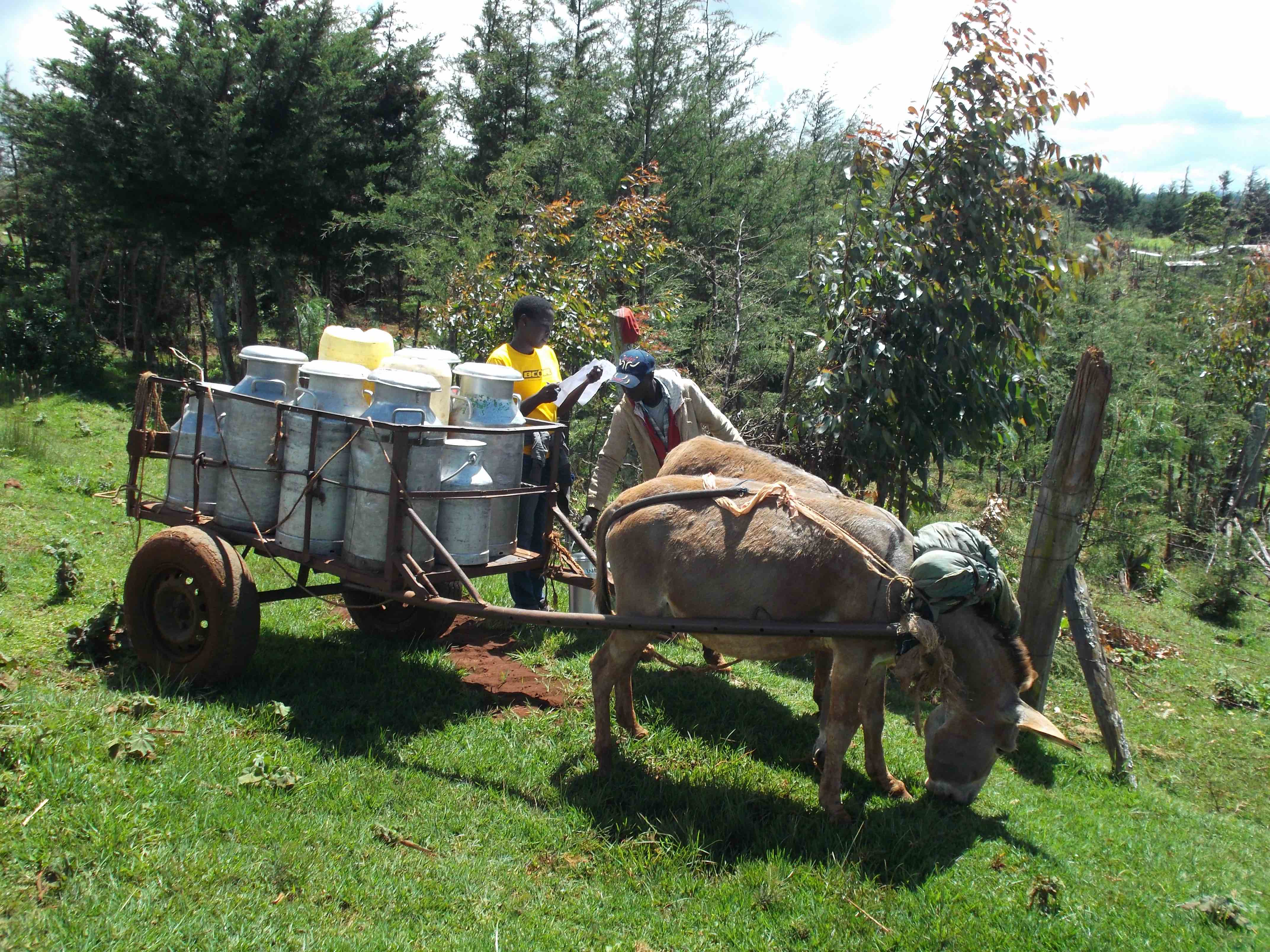
World Milk Day: How Kenyan dairy farmers manage their money
New research shows how dairy cooperative membership shapes farmers' economic decision-making.
-
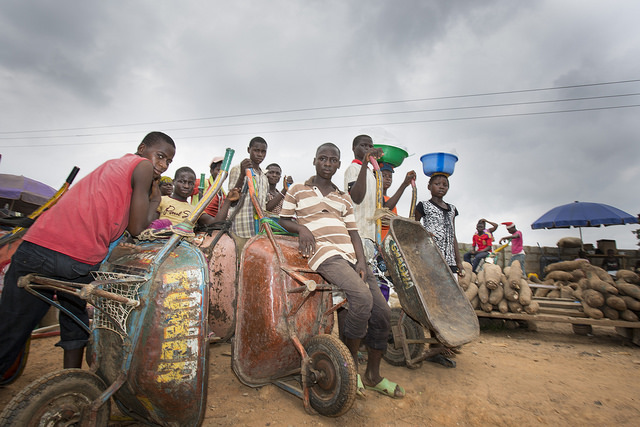
Measuring and monitoring intra-African trade
IFPRI is working with partners to set up a technical network of experts to improve the data on Africa's regional agricultural trade.
-
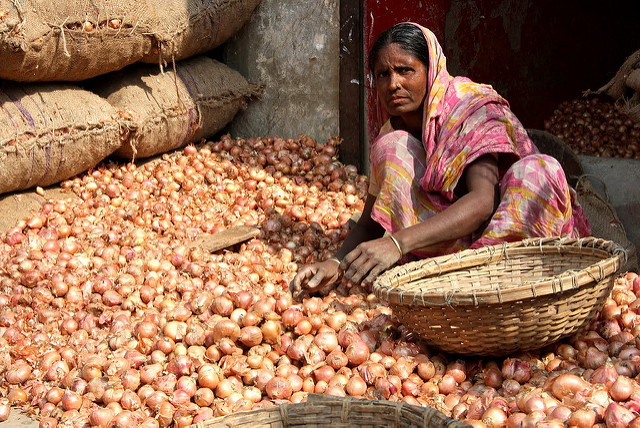
Back to the storyboard
A special issue of Global Food Security highlights the importance of narratives in driving progress toward ending hunger and malnutrition.
-
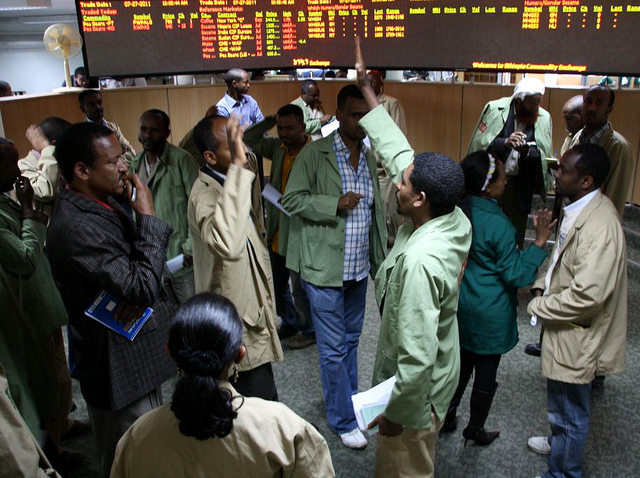
The Ethiopia Commodity Exchange: A coffee success story?
Ethiopia's coffee trading exchange is thought to better link domestic with global markets. But a new study finds the effects are not so clear-cut.
-
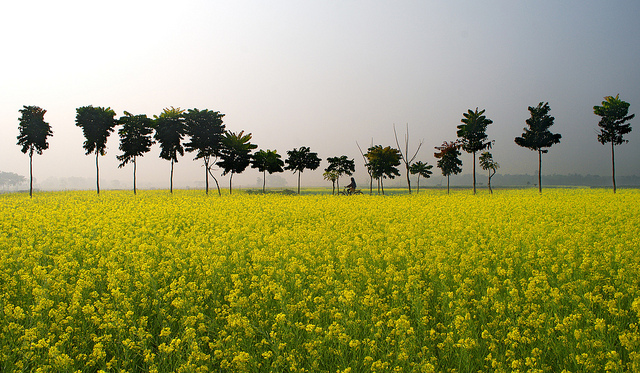
Let the Dhara flow: GM mustard is pro-farmer and pro-science
Evidence shows that genetically modified crops cause no human health or environmental harm, and bring substantial benefits to farmers. IFPRI's Avinash Kishore argues the government of India should allow for the use of this new technology.
-
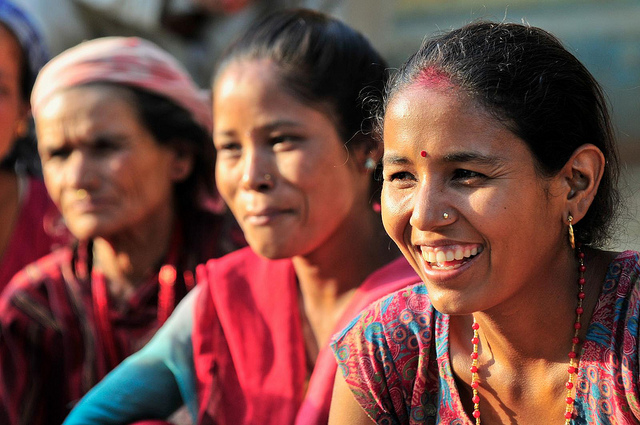
Interview: A framework for measuring women’s empowerment at multiple levels
Emory University Professor Kathryn Yount on emerging ways to systematically assess women’s relative power and position in communities.
-
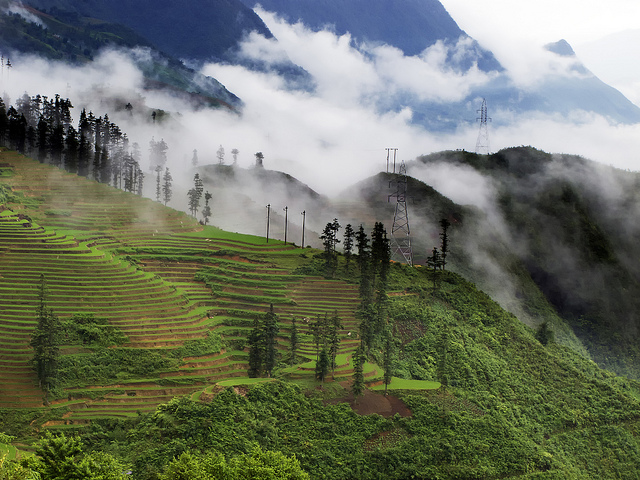
Charting a new path to income convergence
A new book examines the diverse reasons behind variable growth rates among seven developing countries.
-
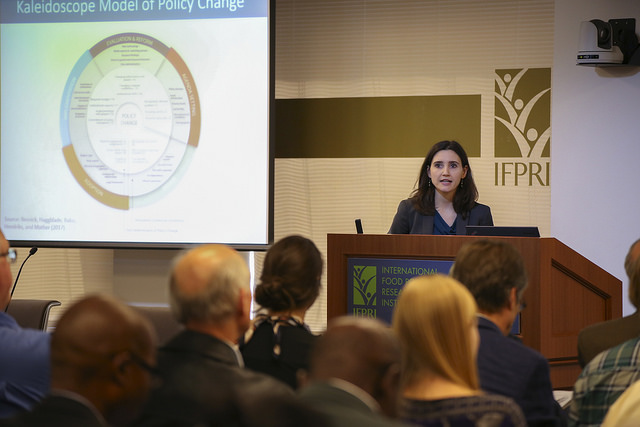
Kaleidoscope Model tracks drivers, impacts of changing food policies
Detecting what works, and doesn’t, in advancing better policies to buttress food security.
-
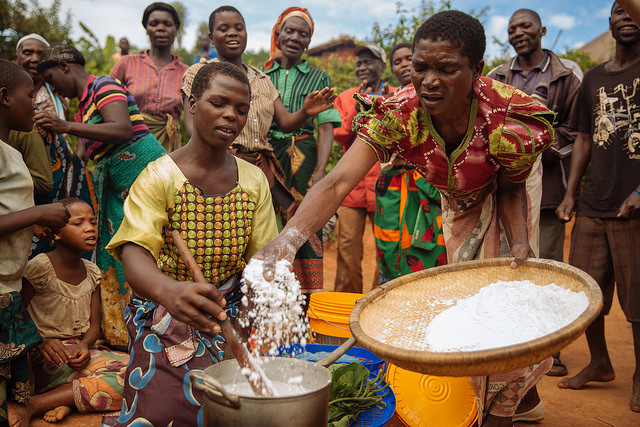
Unlocking the potential of agriculture for Africa to reduce poverty and end hunger
How the Malabo Montpellier Panel, composed of African and European development experts, is working to accelerate progress towards food and nutritional security in Africa.
-
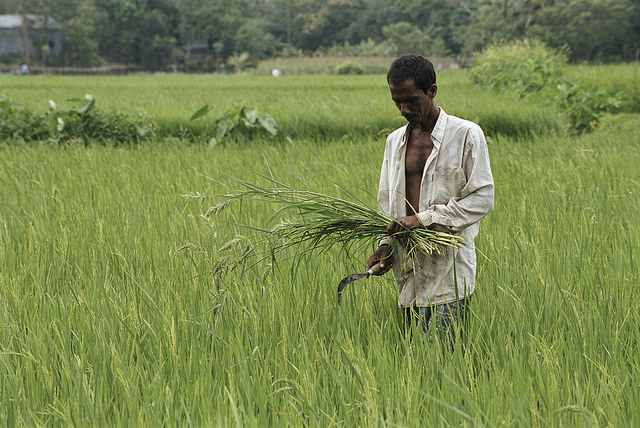
Index insurance as an instrument for managing risk and modernizing agricultural production
An IFPRI trial in Bangladesh shows that index-based insurance—with payouts based on weather data or other benchmarks rather than actual losses—has benefits beyond mere compensation.
-
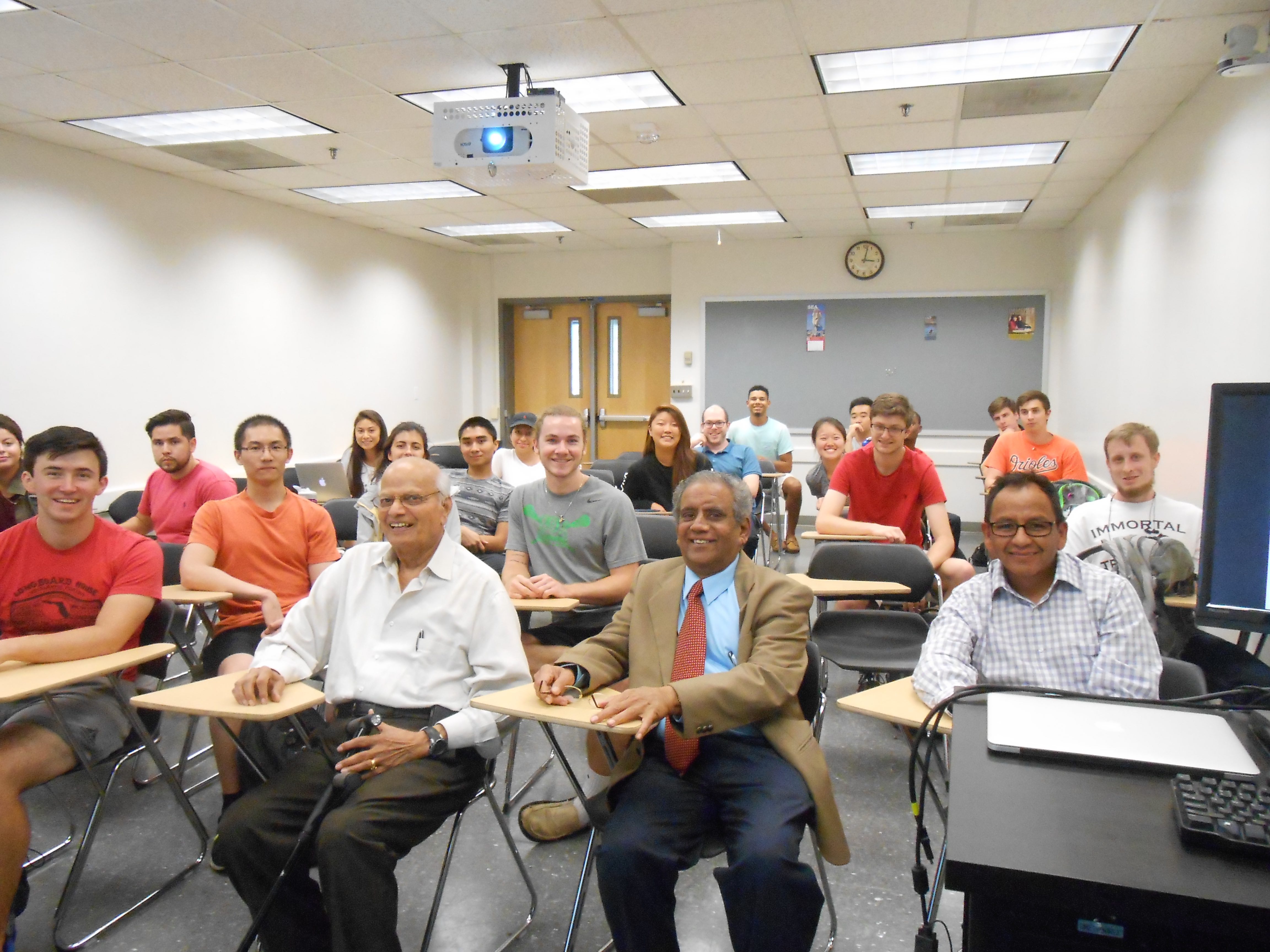
IFPRI-University of Maryland collaboration builds long-term capacity for reducing hunger and malnutrition
Students in a UMD class on international crop production learn food policy analysis by focusing on the role of social entrepreneurship.
-
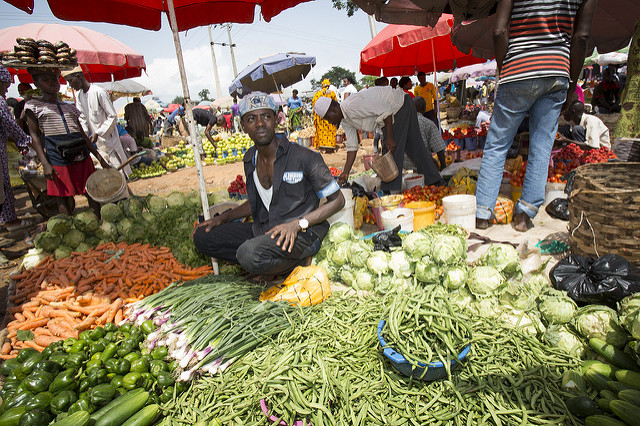
Why brutalizing food vendors hits Africa’s growing cities where it hurts
With food demand rising, it's time for local governments in Africa to embrace rather than quash informal food markets and vendors.
-
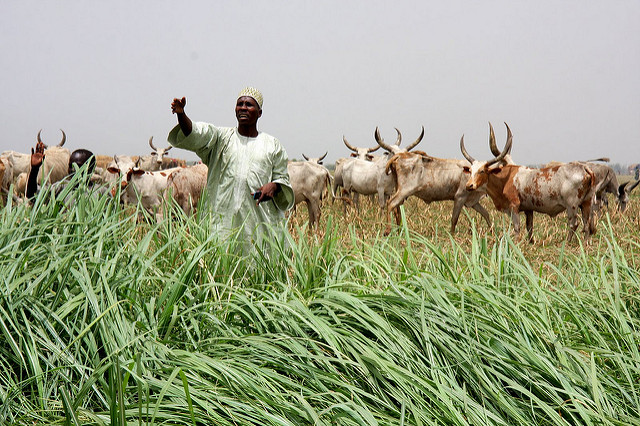
Managing the tensions between herding and farming in the Sahel
As more residents of the Sahel region shift to from livestock herding to cultivating the land, research shows there are ways to manage both practices sustainably.
-
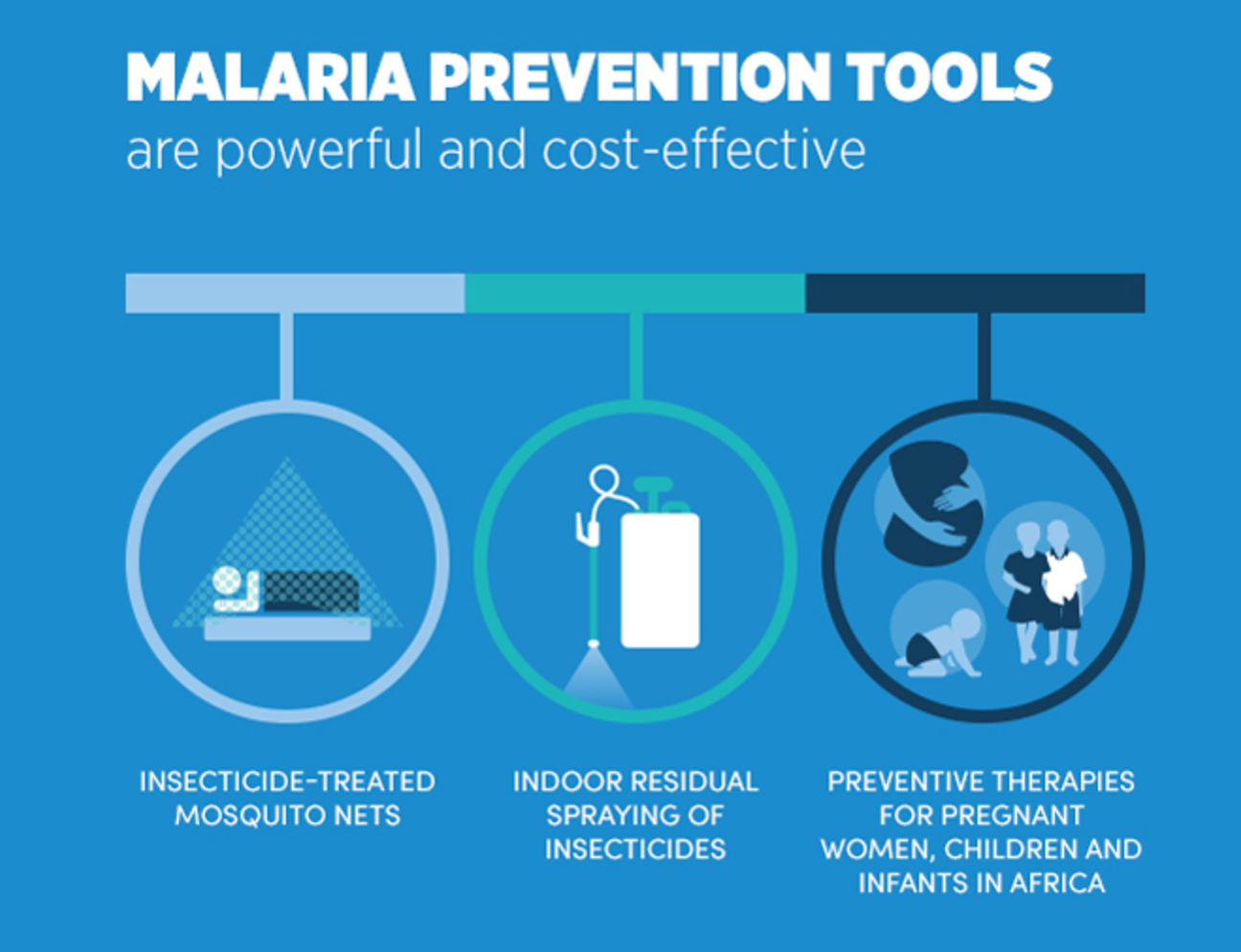
World Malaria Day 2017: Low-cost solutions for India’s push for prevention
An IFPRI program finds that distributing insecticide-treated mosquito nets to pregnant women is an inexpensive way to prevent malaria.
-
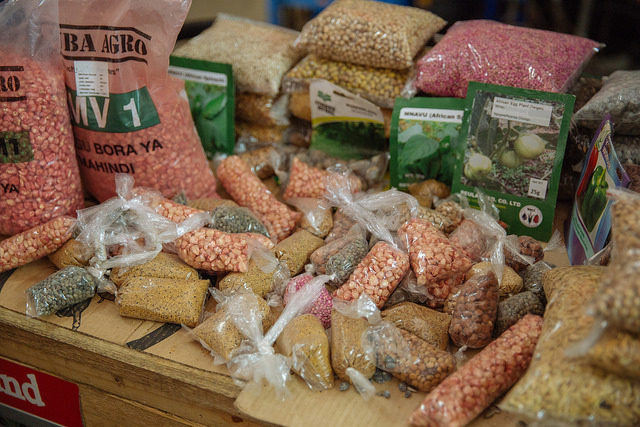
Is grain price volatility transmitted from international to local markets?
New IFPRI research maps the vulnerability of local markets in 27 developing countries to volatile global prices.
-
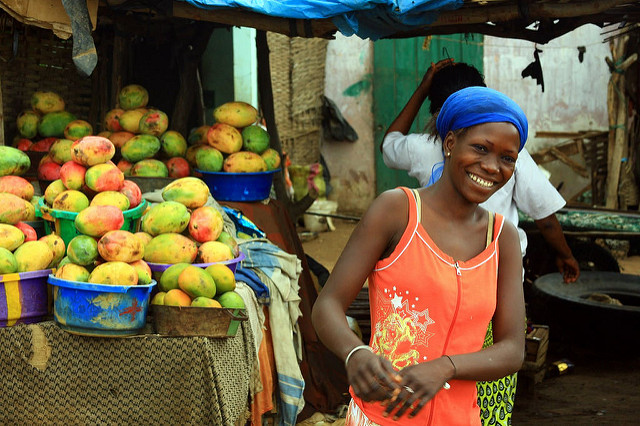
Sharing results of a project to increase farmers’ production in Senegal
A smallholder farmer support program adapted from a Brazilian model finds initial successes.
-
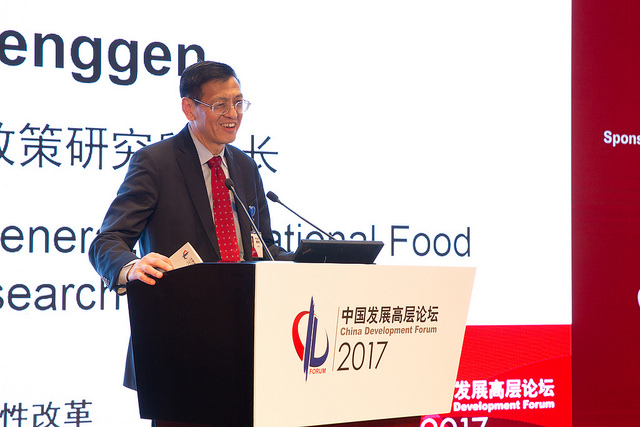
Reshaping China’s food system through agricultural ‘supply-side structural reform’
IFPRI's Director General on how China's economic reforms should target agriculture to end hunger and malnutrition.
-
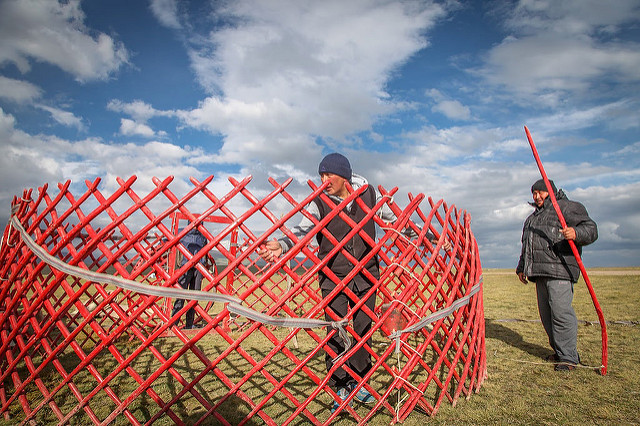
Managing food policy in Central Asia presents complex choices
A new book presents seven case studies for managing food, water, and land in former Soviet republics.
-
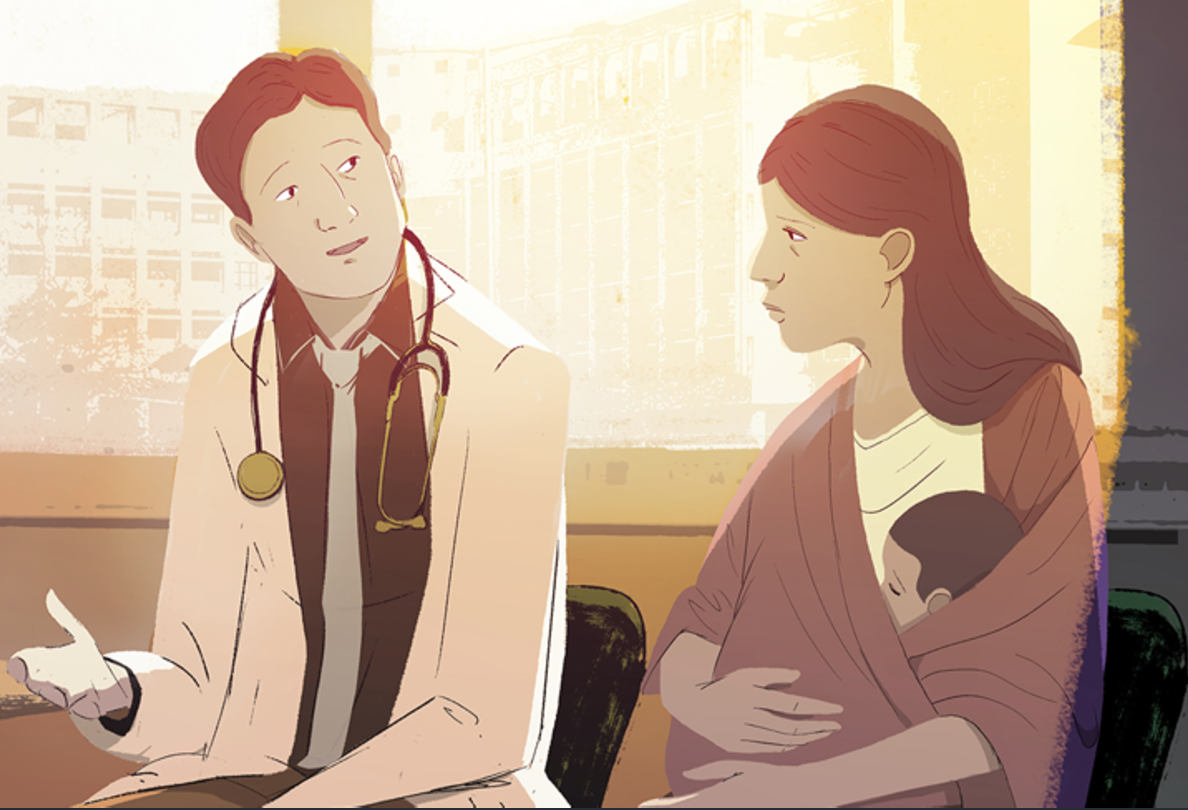
World Health Day 2017: The links between mental health and child undernutrition and illness
IFPRI research shows that maternal mental health problems, including depression, can harm child nutrition and health—and that helping mothers in this regard helps children.
-

Strategies for preventing recurring famines and building resilient food systems
Famines are not the inevitable result of environmental conditions. The right mix of assistance and strategic support, sustained over time, can head off the next catastrophe.
-

Learning from hawksbeard: Food and nutrition policy in the new urban landscape
Hawksbeard is a plant that adapts to urban environments. The food policy community must do the same.
-
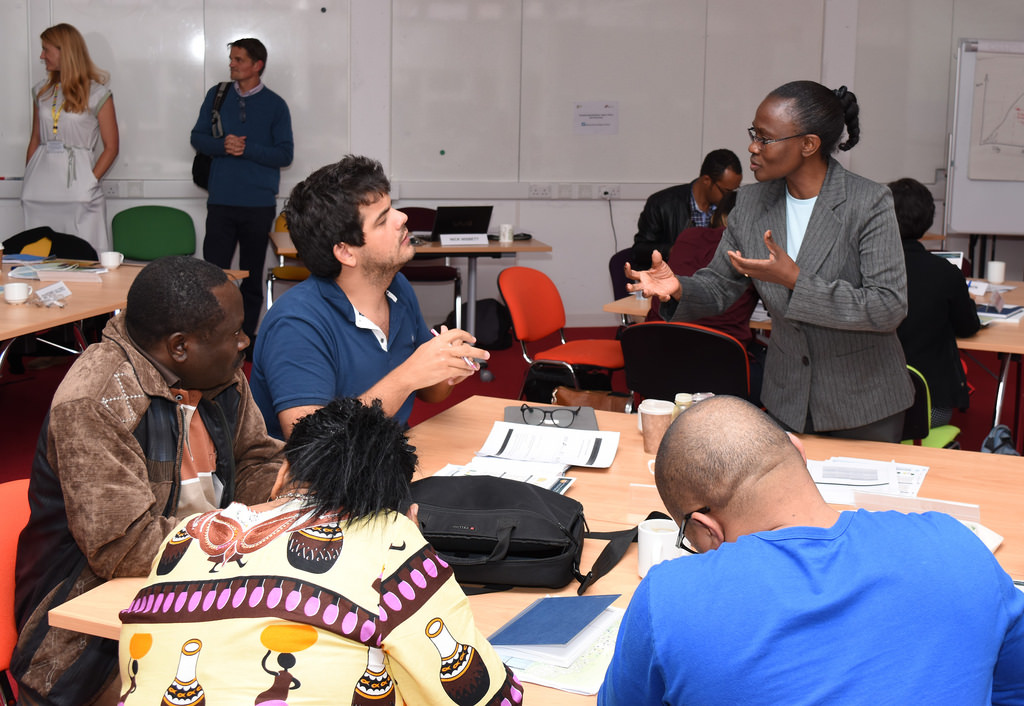
Why should you apply for the Transforming Nutrition Short Course?
A five day course designed for both policy makers and practitioners that leads participants through cutting-edge knowledge and evidence on global nutrition.
-
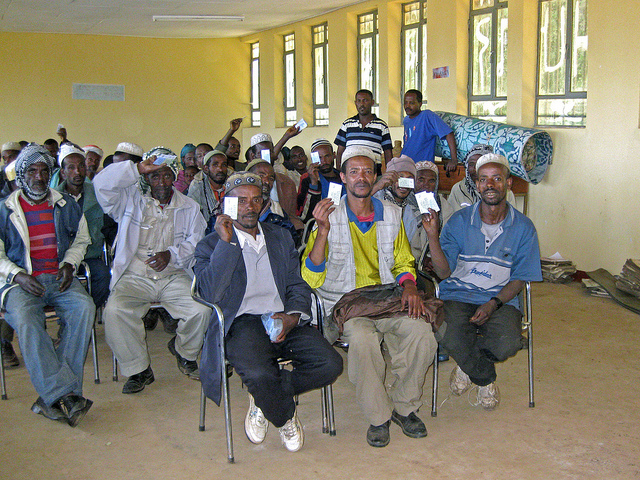
Innovation in insurance: Managing the risky business of weather
IFPRI research shows that index insurance—which pays farmers automatically based on deviations from an index of rainfall and other factors—can improve the social welfare of rural communities.
-
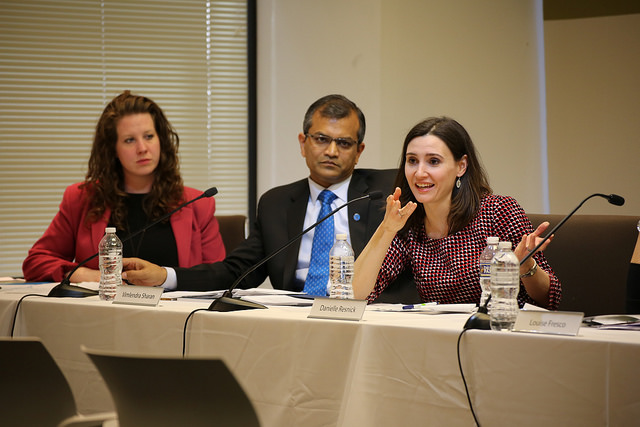
2017 Global Food Policy Report outlines challenges, opportunities in feeding growing urban populations
Participants in IFPRI's 2017 GFPR launch say a paradigm shift is needed in food policy that bridges the needs of cities and rural areas.
-
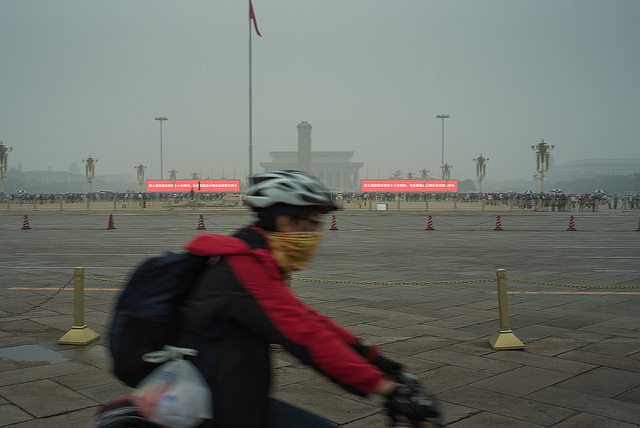
The value of cleaner air
A new study quantifies the relationships between air pollution in China, individual happiness, and people's willingness to pay for cleaner air.
-
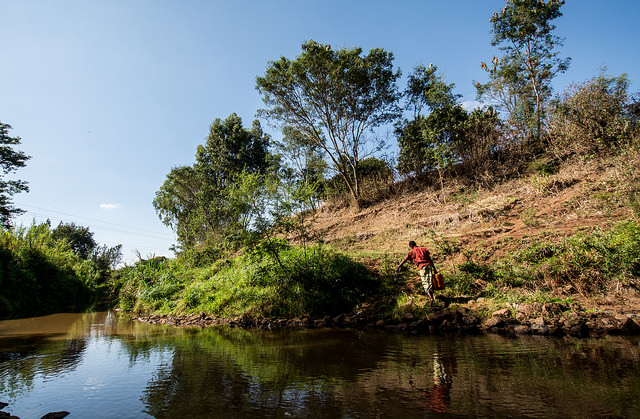
Bridging gaps: Cross-sector collaboration is the future of sustainable business
To build sustainable solutions to global problems, stakeholders must leave the silos that constrict action and thinking. In Kenya, a public-private water partnership is bridging these gaps.
-
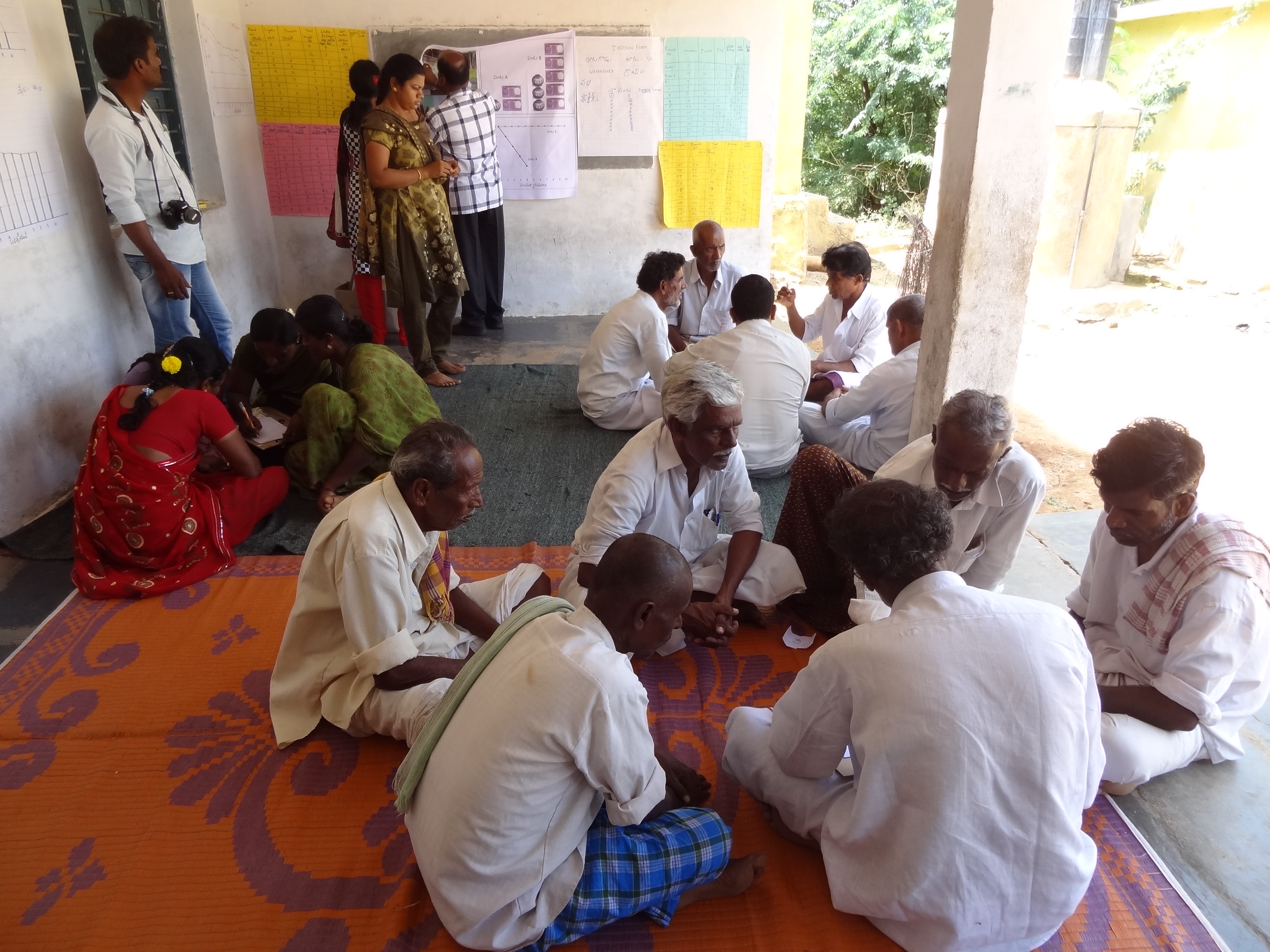
Innovations for stimulating improved water management
To mark World Water Day March 22, a look at how experimental games can help farmers understand—and sustain—groundwater resources.
-
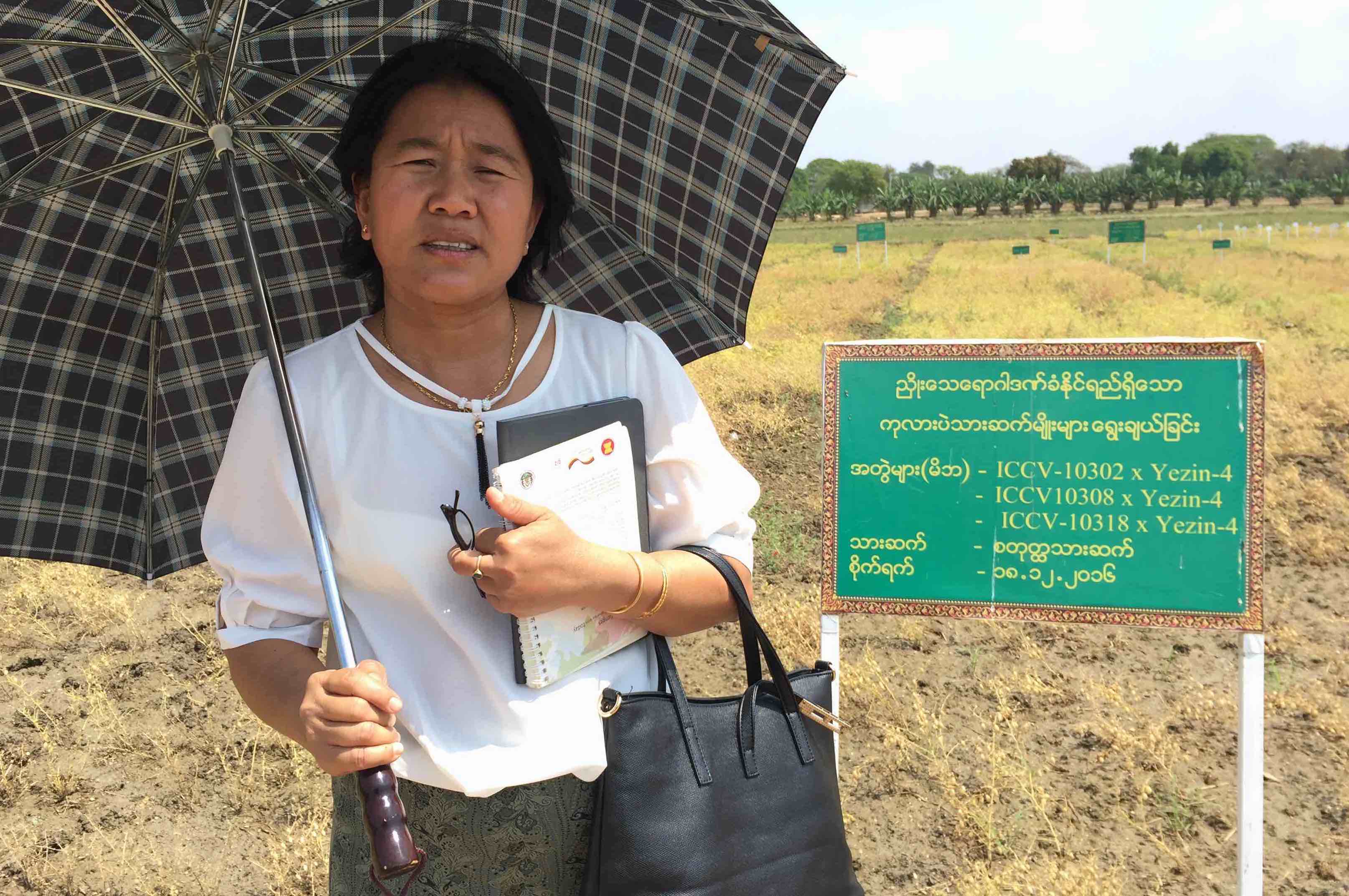
International germplasm exchanges are getting more complicated, and here’s why that matters to global food security
The complex requirements of international treaties are an increasing drag on the global cooperation that agricultural research depends on.
-
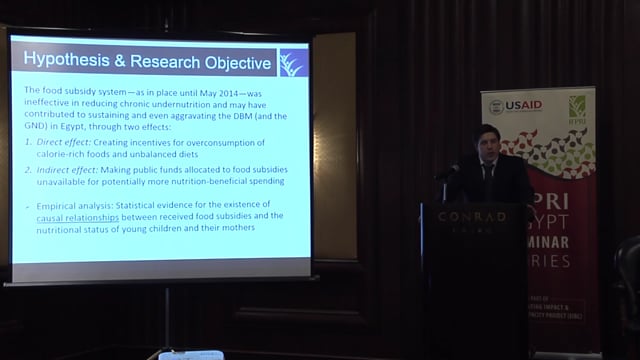
The role of food subsidies in Egypt’s rising malnutrition problems
An IFPRI seminar and a new book explore the changing role of food subsidies in Egypt's struggle with food security.
-
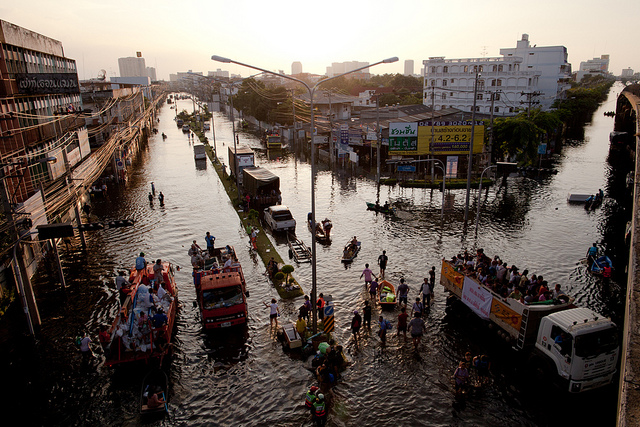
We’re all in the same boat: How shared risks might foster sustainable solutions
There are difficult tradeoffs in sustainable development and disaster mitigation. Identifying shared risks across sectors can help address problems before disaster strikes.
-
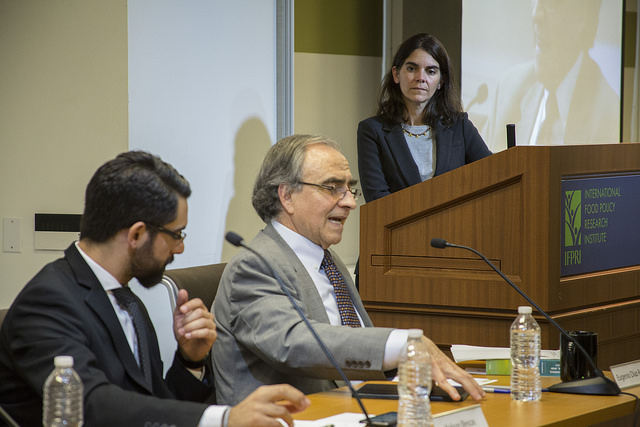
The future of global trade and food security for Mercosur
An IFPRI seminar explores possible implications of the upcoming WTO ministerial conference for Latin America.
-

Looking at climate change through the gender lens
For 25 years, we've been examining the role of gender in agriculture and in building resilience to climate change.
-
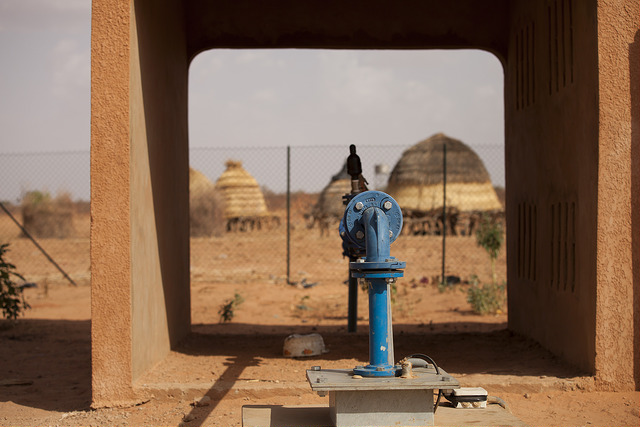
It’s hard to manage something you cannot see – can we feed billions from the ground up?
A look at the growing tensions between groundwater depletion, agricultural development, and food security.
-

IFPRI’s work with the Bill & Melinda Gates Foundation
Together, IFPRI and the Gates Foundation have leveraged nutritional research to improve public health around the world.
-

In Memoriam: Dr. Just Faaland, former IFPRI Director General
A prominent development economist, Dr. Faaland was well known as an architect of Malaysia's New Economic Policy in the 1970s.
-
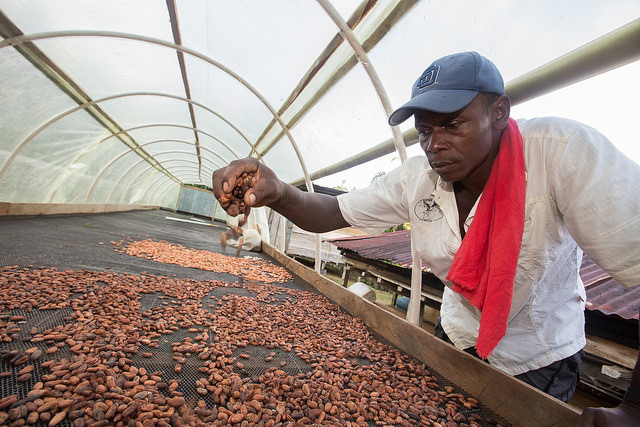
The importance of tracking global food system sustainability
The Food Sustainability Index offers insights that can help countries feed people with a minimal ecological footprint.
-

Feeding the world in 2050
How researchers and policy makers can anticipate the long-term future of food security.
-
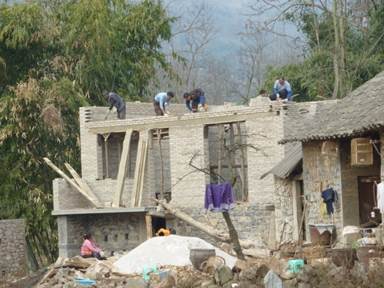
The surprising link between China’s one-child policy and rising house prices
To gain status and advantage in the at-times desperate marriage competition in China, families are pouring money into the housing market, new IFPRI research suggests.
-
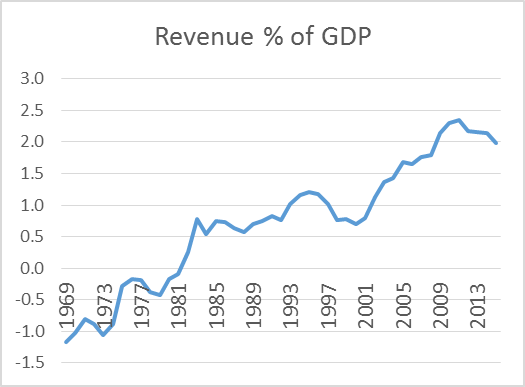
Making America Number 1: The world’s highest taxes on the consumer
An IFPRI analysis finds a corporate tax proposal being debated in Congress would drive up consumer prices and disproportionately impact the poor and the elderly.
-
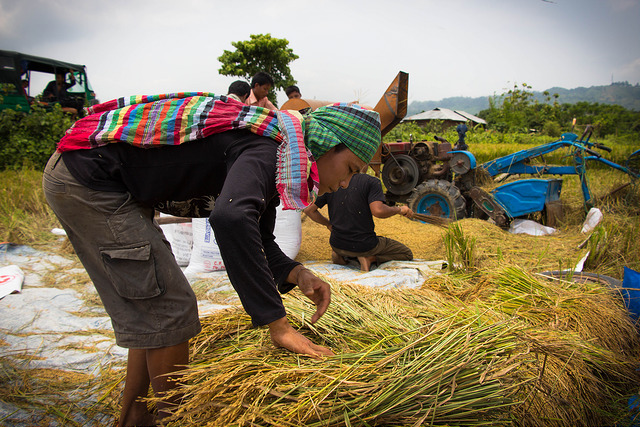
Aid to end hunger is a win-win investment
Even modest investments from donor countries can help developing countries make strong gains in food security, IFPRI's Director General writes.
-
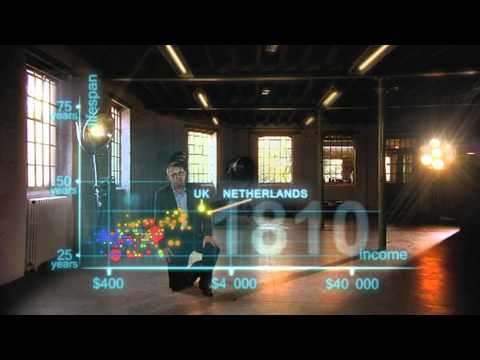
In Memoriam: Hans Rosling
Remembering the data communications and development champion.
-
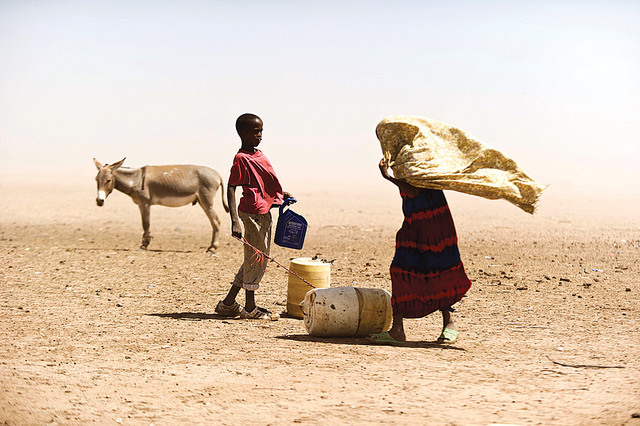
Why malnutrition continues to be a development challenge
Why some developing countries lag in the fight against hunger and malnutrition: they lack the policy expertise to devise effective national policies.
-
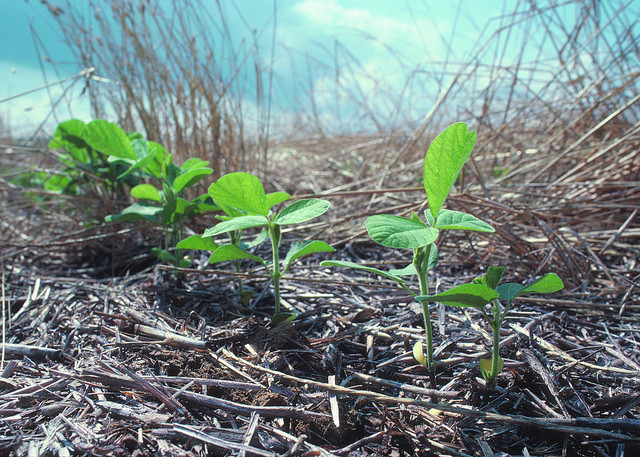
Likely effects of a trade war for U.S. agriculture? Sad!
President Trump's threats of trade wars with Mexico and China could rebound painfully on U.S. agriculture.
-
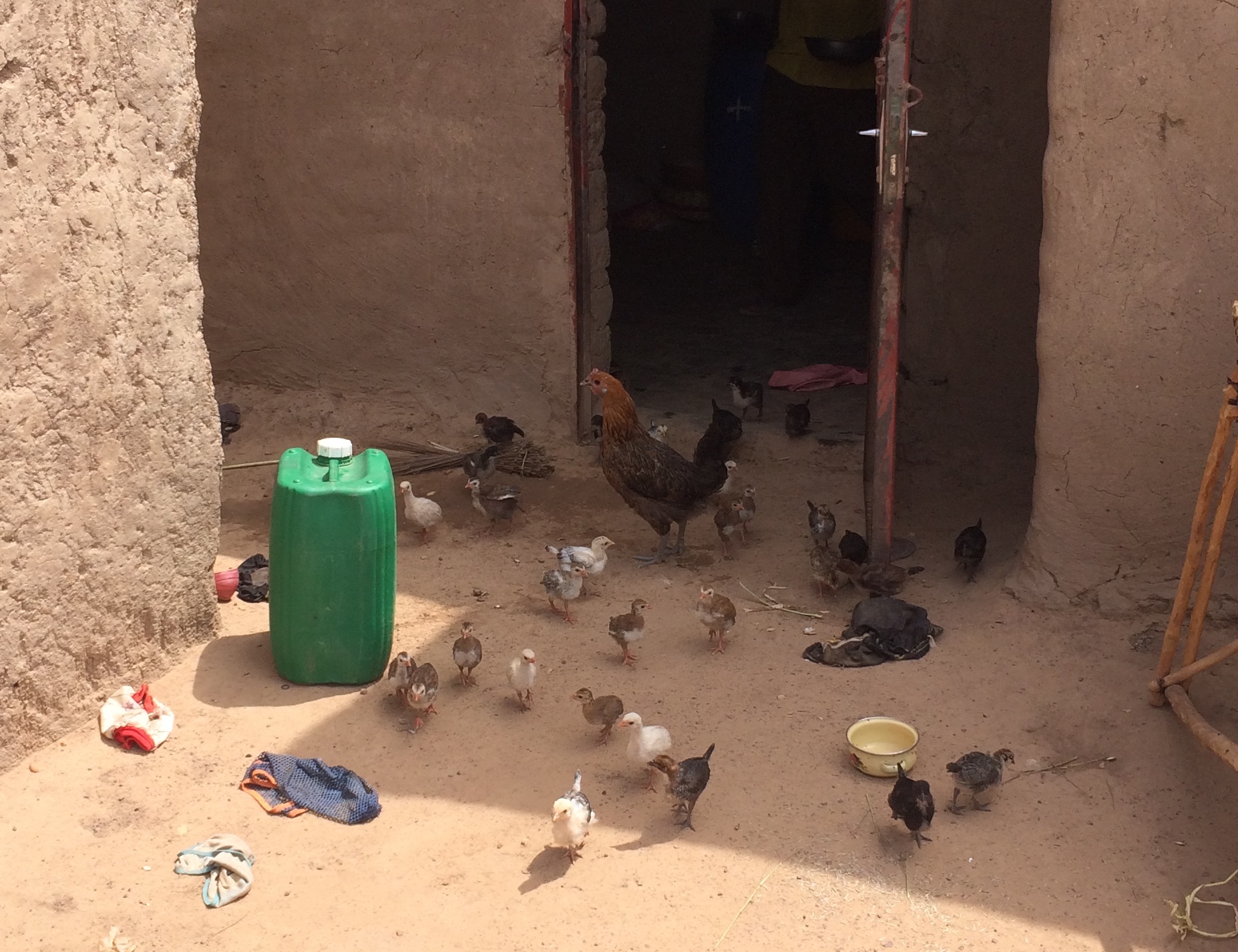
Newsflash: Chickens don’t use toilets
Research suggests living in close proximity to chickens may make children more prone to health problems. But water, sanitation, and hygiene (WASH) recommendations focus almost exclusively on human feces.
-
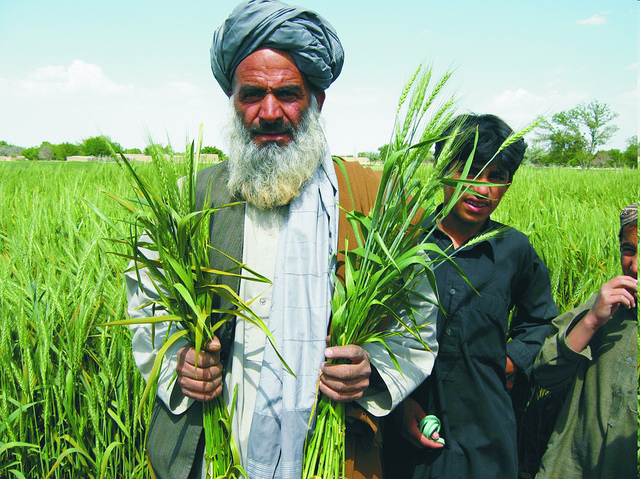
Reinvigorating Pakistan’s rural development
With the launch of a new book by IFPRI researchers on Pakistani agriculture and rural economic development, a look at our work in Pakistan.
-
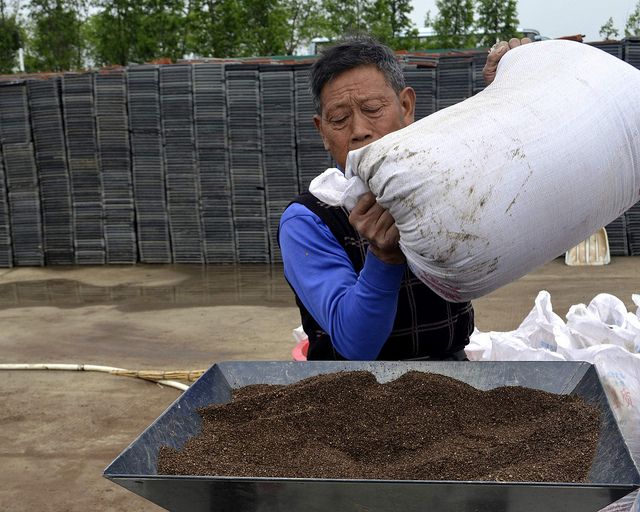
China’s new agro-investment: Opportunity for sustainability?
China is spending $450 billion to modernize agriculture. Why some of that should go to promoting sustainable practices such as ecosystem-based pest control.
-
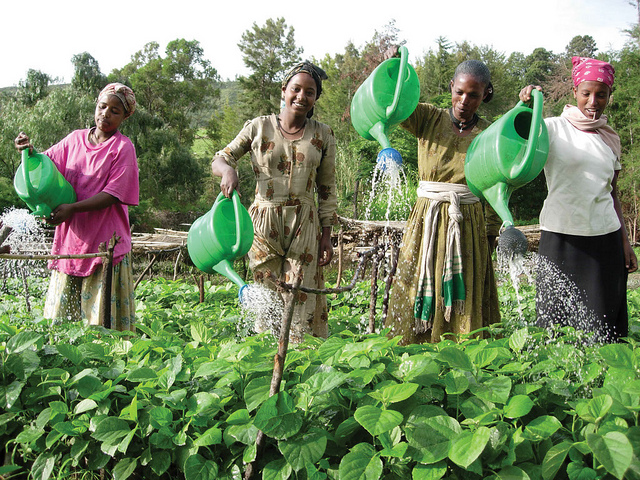
Food for all: Why better nutrition is a collective task
Countries must cooperate to end hunger by boosting farm productivity and making markets work better.
-
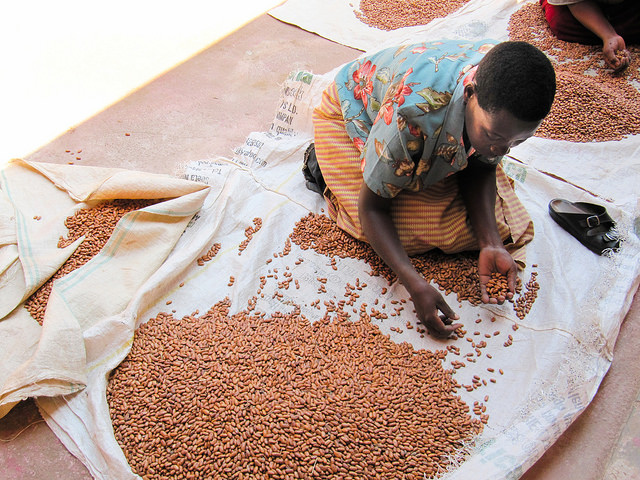
Tracking hunger and strengthening resilience
IFPRI has been partnering with German development agencies, universities, and nongovernmental organizations (NGOs) for more than three decades to build the evidence base needed to effectively tackle pressing development issues.
-
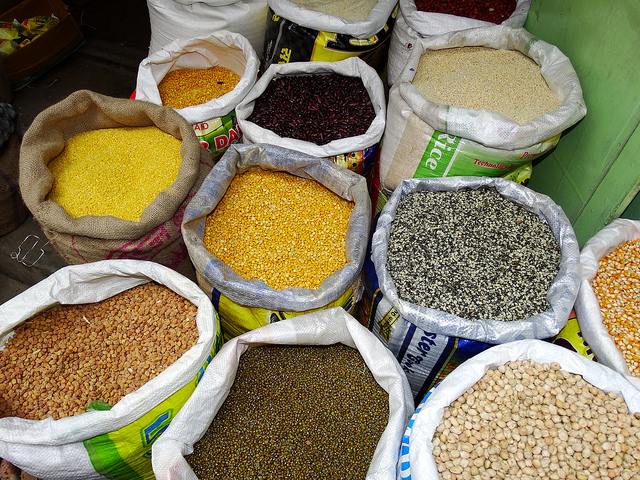
Ensuring healthy pulses for people and the planet
To mark Global Pulse Day Jan. 18, a look IFPRI's pulses research and its real-world impact.
-
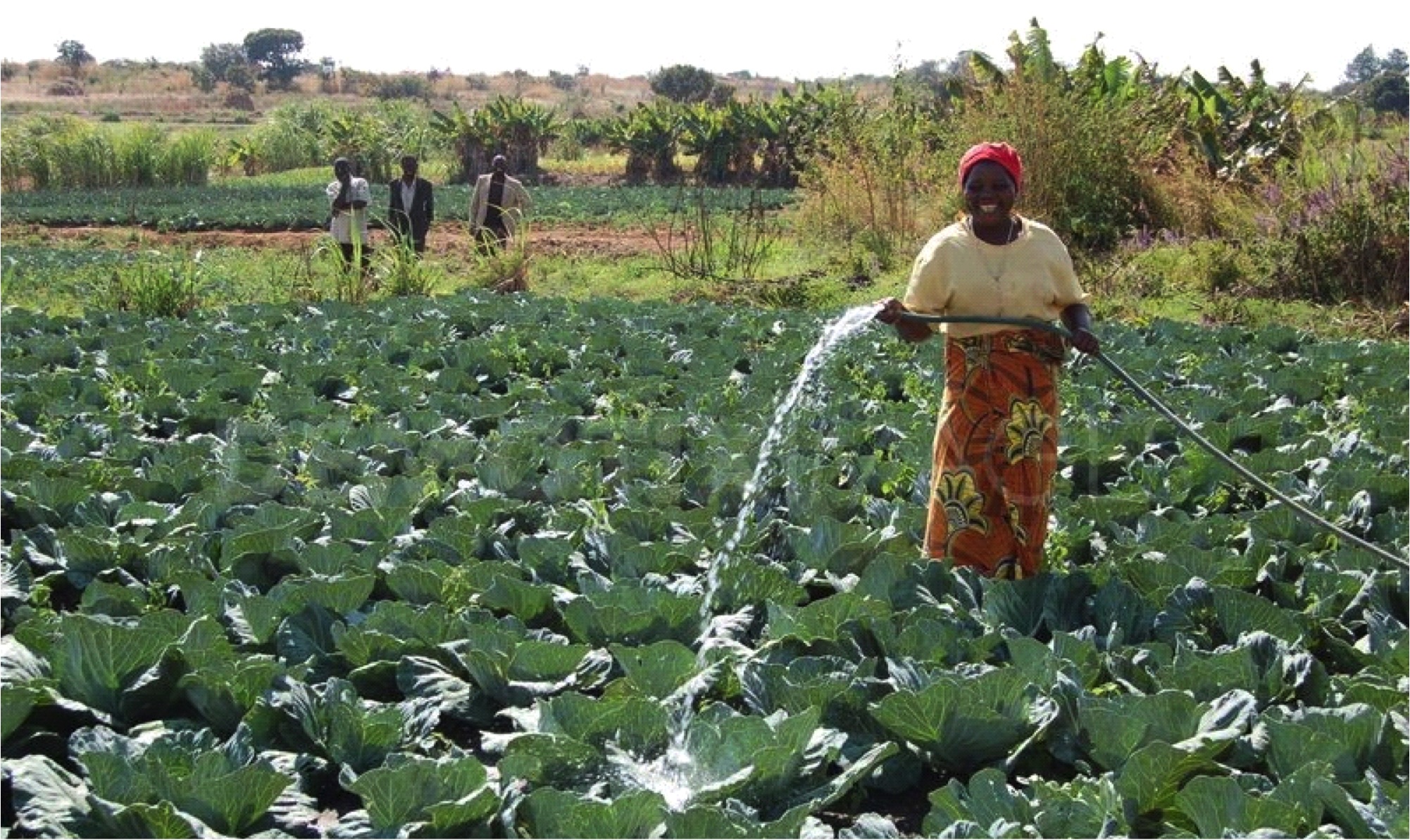
Agriculture and water: To whom much is given, much will be required
Agriculture has stewardship over much of the world's freshwater. Some recommendations to achieve long-term sustainability in agricultural water management.
-
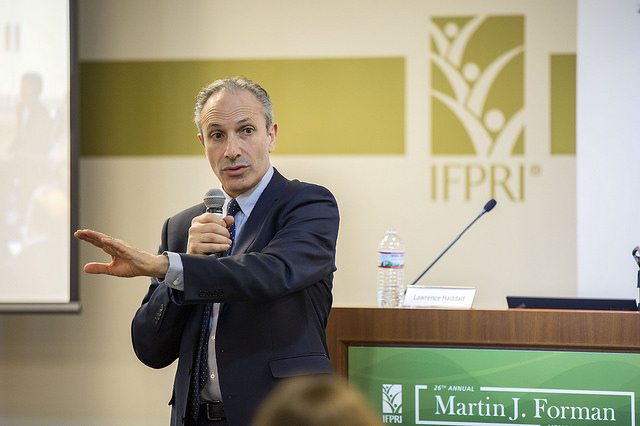
Getting food businesses to promote global nutrition
A sea change in corporate attitudes is necessary to get food companies to invest.
-
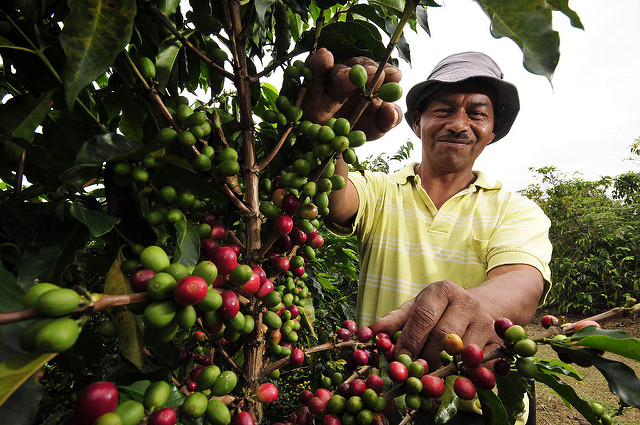
Informing development strategies in Latin America and the Caribbean
For more than three decades, IFPRI’s research and collaborations in the Latin America and Caribbean (LAC) region have produced rigorous evidence leading to innovative market and trade policies and effective social protection and nutritional programs. In the 1980s and 1990s, IFPRI’s research in the region centered on global and regional issues, particularly on the role […]
-
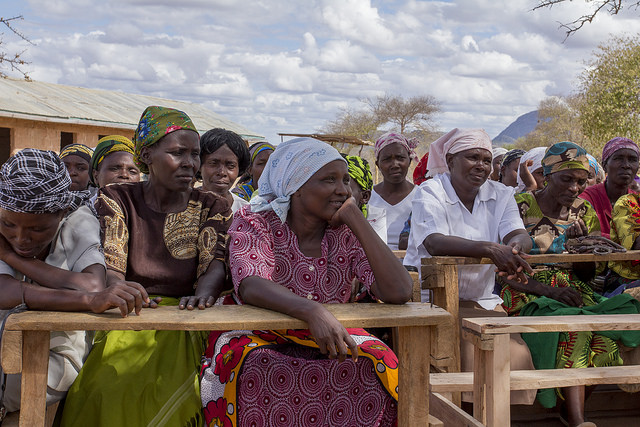
Reach, benefit, or empower: Clarifying gender strategies of development projects
Development programs should not assume merely addressing gender is enough to empower women: a more nuanced approach is needed.
-
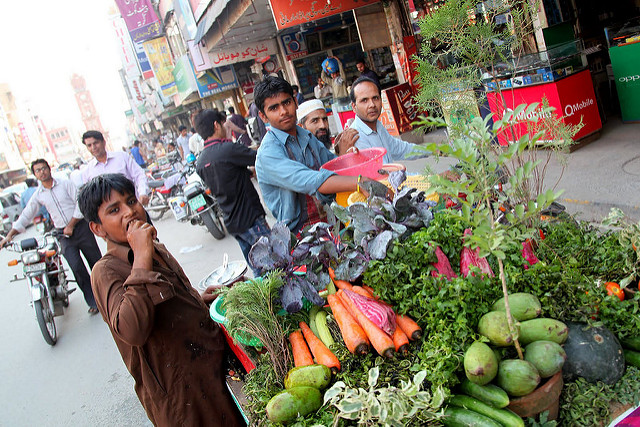
How to revitalize Pakistan’s agricultural sector and rural economy
A new book argues that reforms to agriculture can reduce poverty and fuel national economic growth.
-
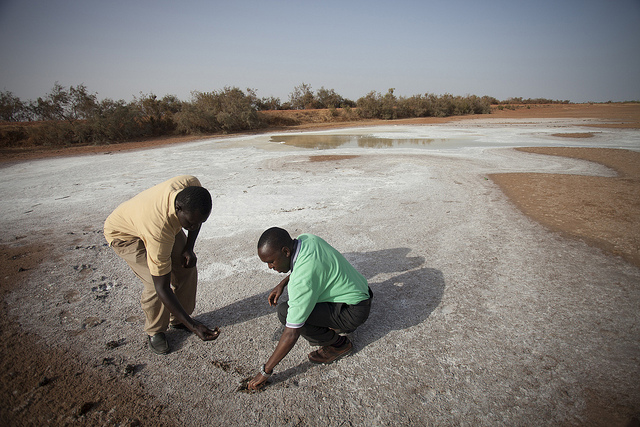
World Soil Day: Advancing soil health through research
A look at IFPRI's work on land degradation around the world.
-
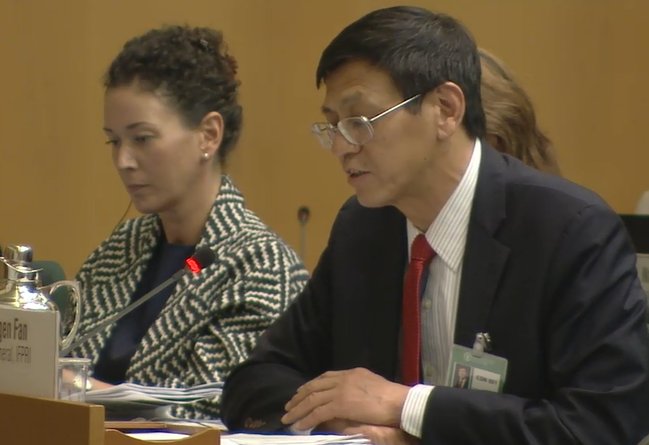
IFPRI Director General Shenggen Fan at FAO-WHO symposium: World can accelerate progress toward ending hunger and undernutrition
Countries must build on existing progress toward ending hunger, using better data and policies based on sound evidence, IFPRI's leader says.
-
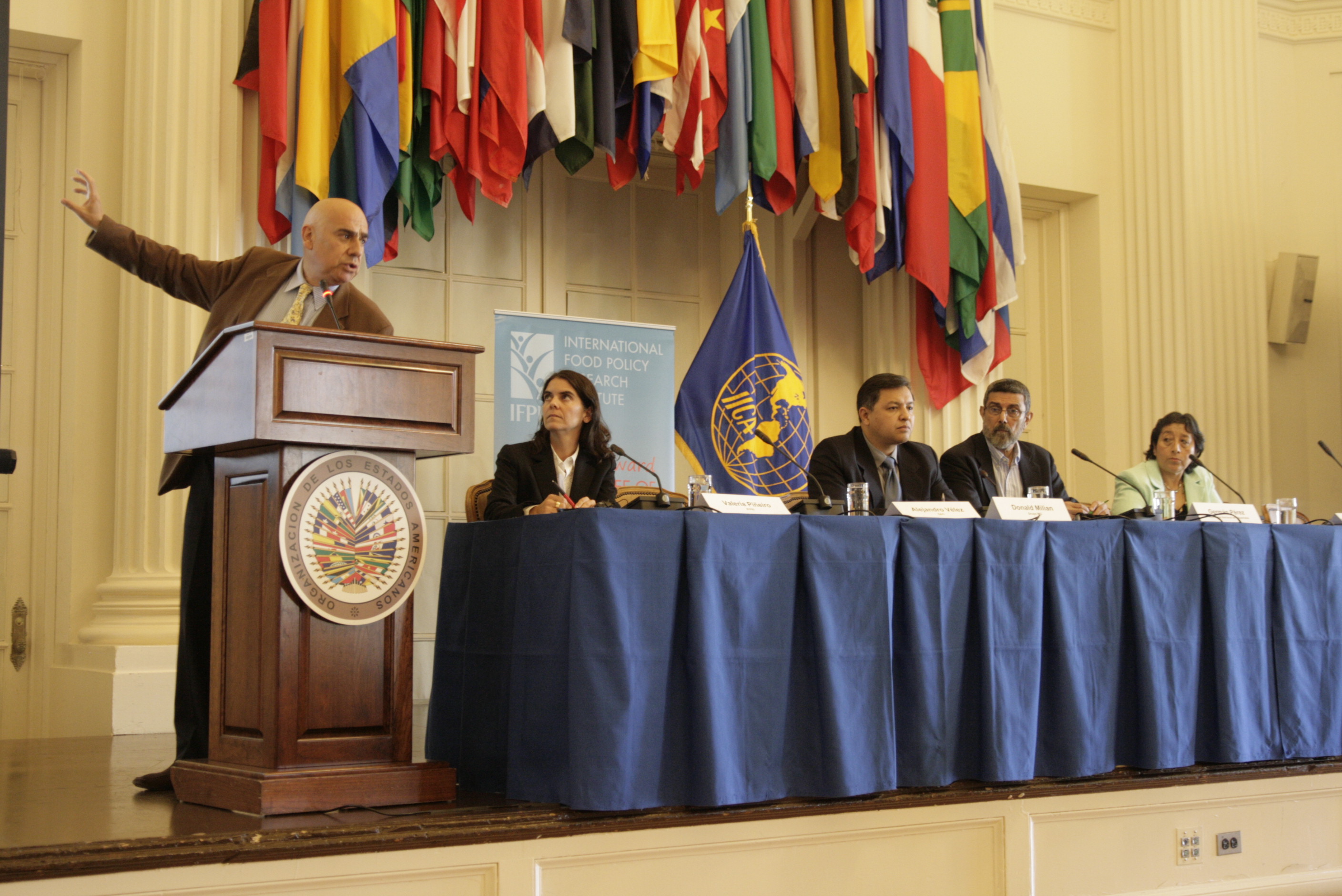
Increasing agricultural mechanization in Latin America will take more coordination, investment
Training, policy, and incentives can help systematically upgrade the region's farming equipment, IFPRI-IICA seminar participants say.
-
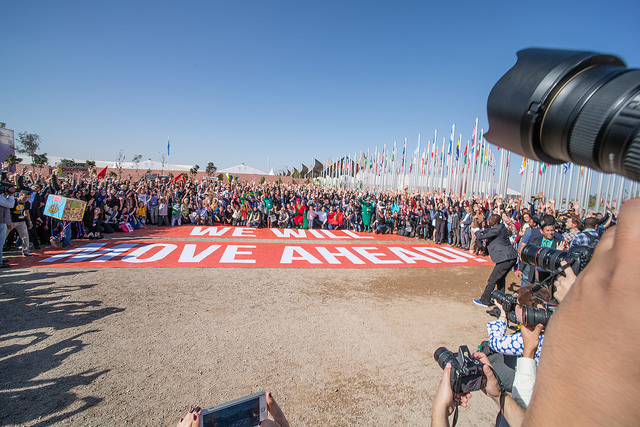
How agriculture can adapt to climate change
At COP22 in Marrakesh, IFPRI researchers offer ideas on how Africa and the developing world can avert rising hunger and other climate impacts.
-
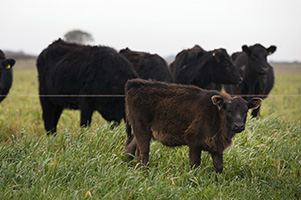
Taxing red meat may cut emissions and disease
Targeted taxes on carbon-intensive foods such as beef can help combat climate change while improving public health.
-
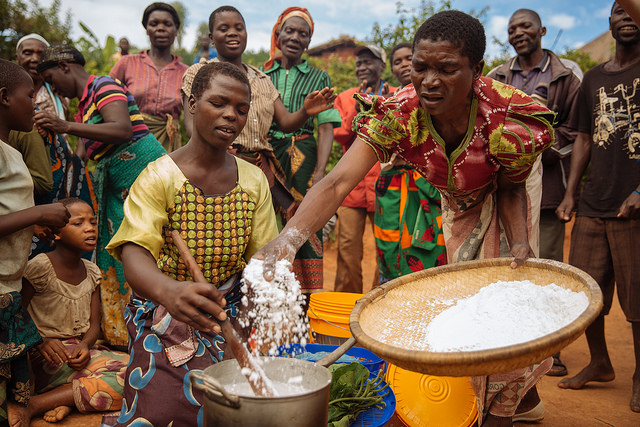
How much would it cost to end hunger worldwide by 2030?
A new brief shows it would take a fairly modest amount – $11 billion annually from donors and governments – to do the job. How that figure was calculated.
-
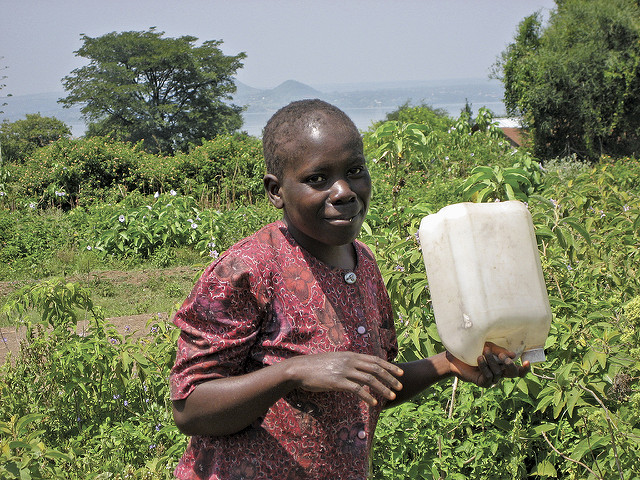
Free vouchers provide an efficient means to target disease prevention technology
A new Science study shows providing free vouchers for water treatments to the poor screens out those who won't use them without deterring those who do.
-
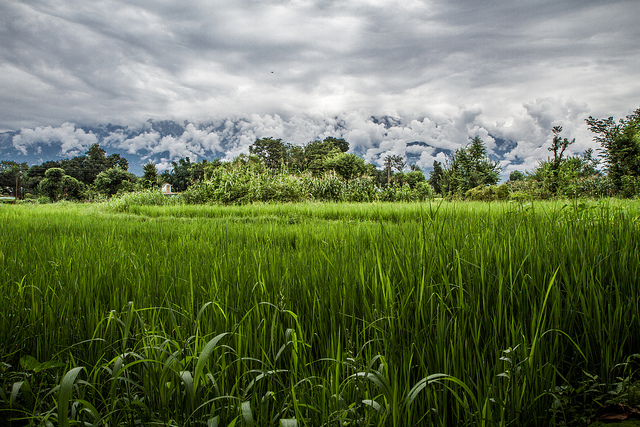
Putting agriculture at the forefront of global climate change negotiations
As the COP22 climate conference convenes in Marrakesh Nov. 7-18, a look at the role IFPRI's climate research plays in helping countries formulate adaptation policies.
-
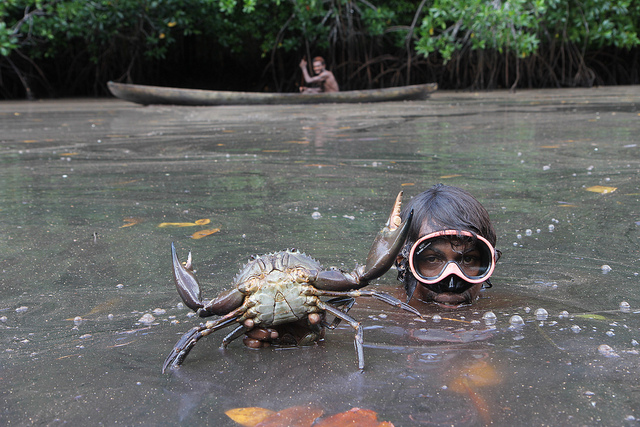
Securing sustainable fishing in the Pacific Coral Triangle countries
New IFPRI research offers insights into how the Pacific island nations of Fiji, Solomon Islands, Timor-Leste, and Vanuatu can adapt to climate pressures on fisheries.
-
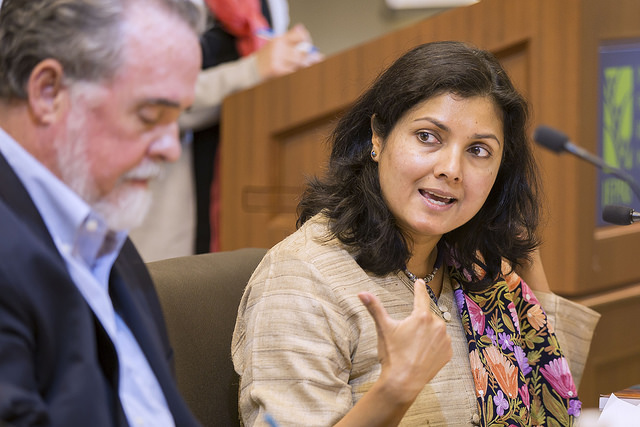
Making politics work to meet the SDGs
Is politics an obstacle or a means to achieving the U.N. Sustainable Development Goals? At a recent IFPRI event, “Making Politics Work to Meet the SDGs,” Senior World Bank Economist Stuti Khemani argued that politics may be flawed, but paying attention to political incentives is the only way to achieve results. “The selection and sanctioning of […]
-
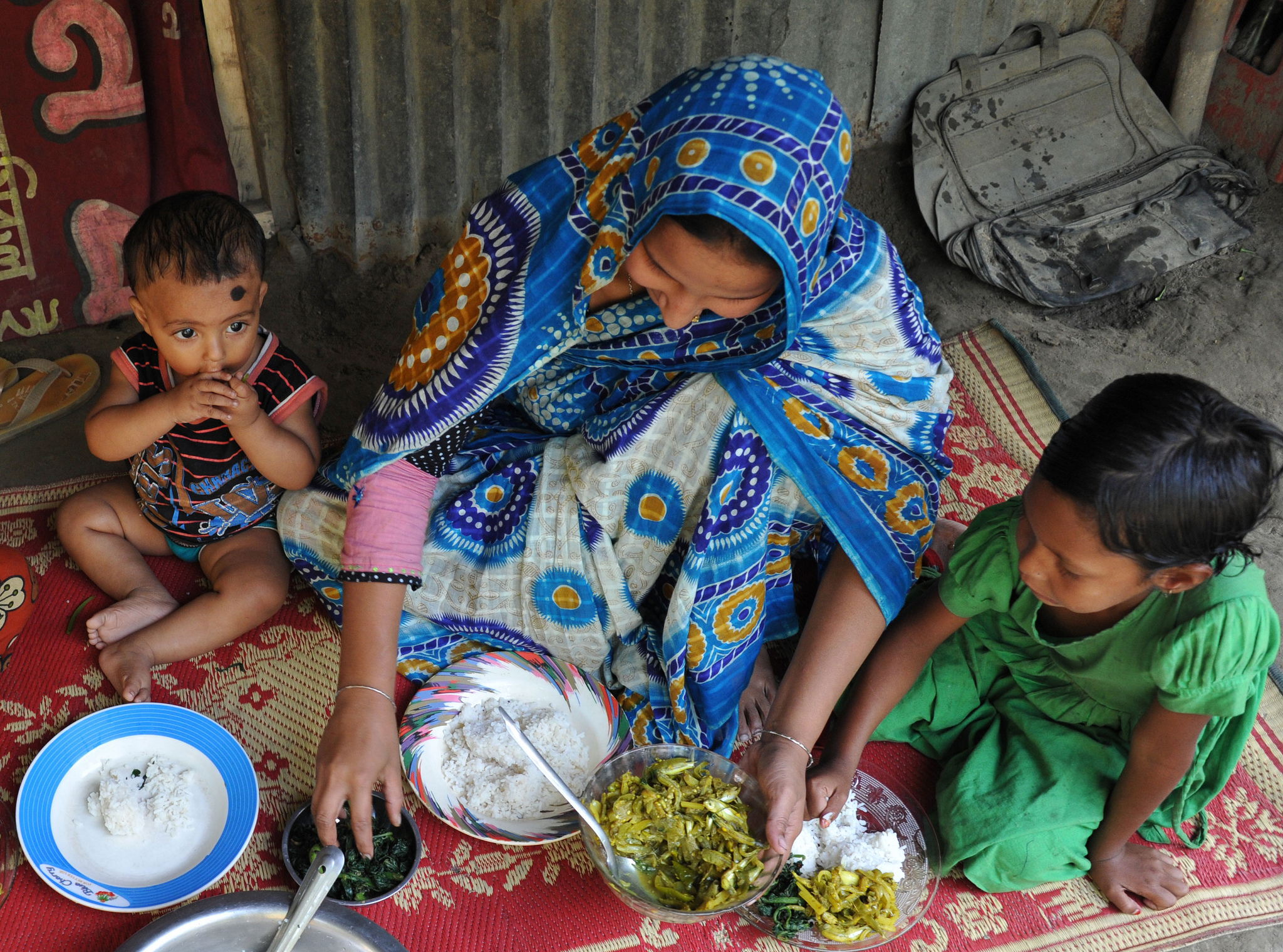
IFPRI: Strengthening food and nutrition policies and programs in Bangladesh
Bangladesh has made remarkable progress in ensuring food and nutrition security, mainly driven by rapid economic growth and many successful social and health policies and programs.
-
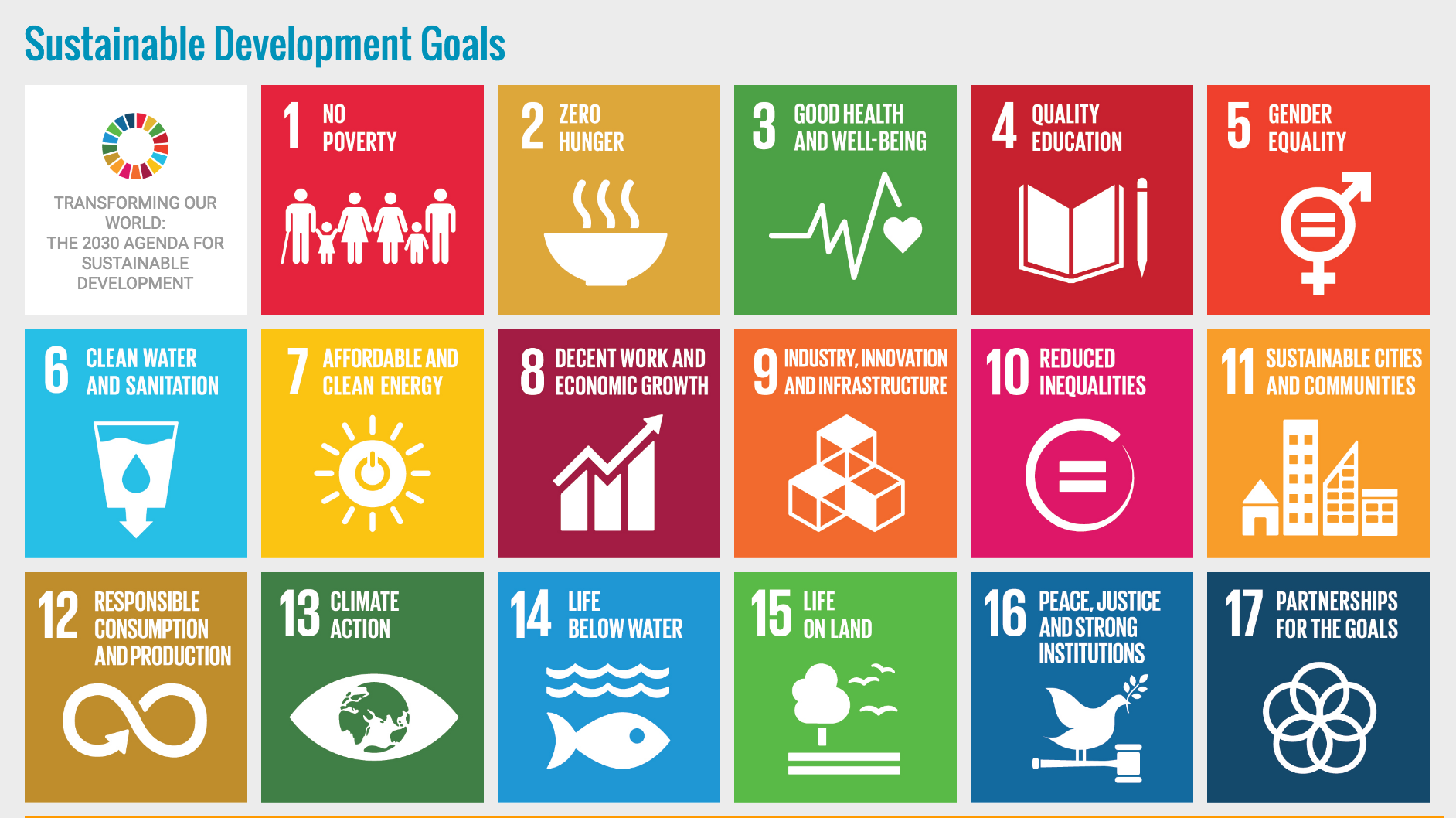
Overcoming malnutrition: Why policies on trade and markets matter
At the UN General Assembly last month, world leaders reiterated their commitment to the 2030 Agenda—including commitments in the Sustainable Development Goals (SDGs) on ending hunger and malnutrition.
-
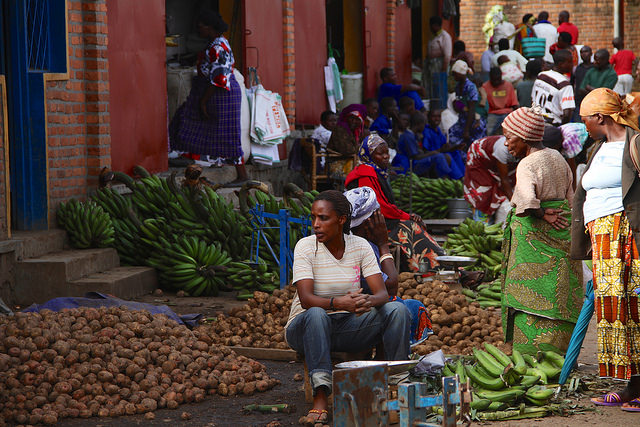
ReSAKSS: 10 years of promoting evidence-based policy planning and implementation under CAADP
ReSAKSS in Africa serves as support to implement the Comprehensive Africa Agriculture Development Programme (CAADP).
-
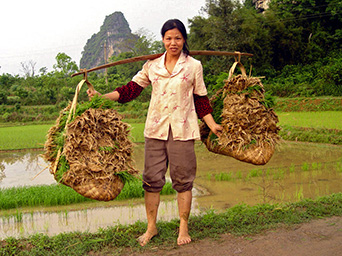
Three myths about rural women
To mark the International Day of Rural Women, a hard look at some common misconceptions.
-
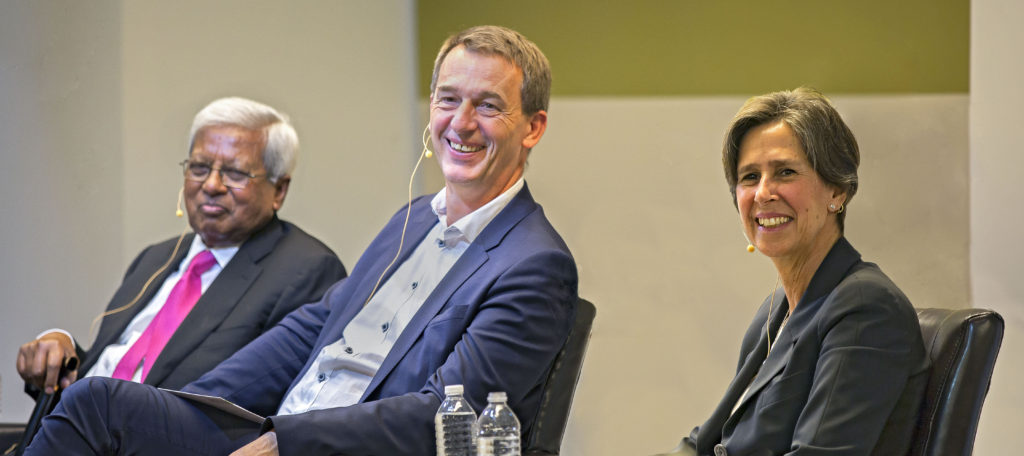
A window of opportunity to end hunger and undernutrition
Ways the world can solve its hunger problems by 2025.
-
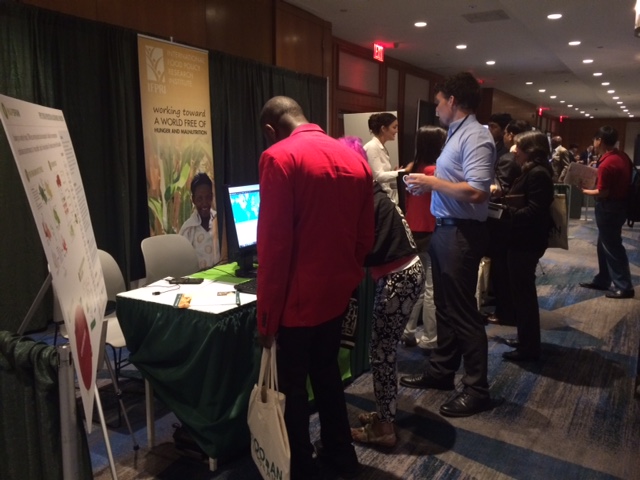
Using data to fight world hunger
At a recent conference, IFPRI showed how it uses open data to build better nutrition policies.
-
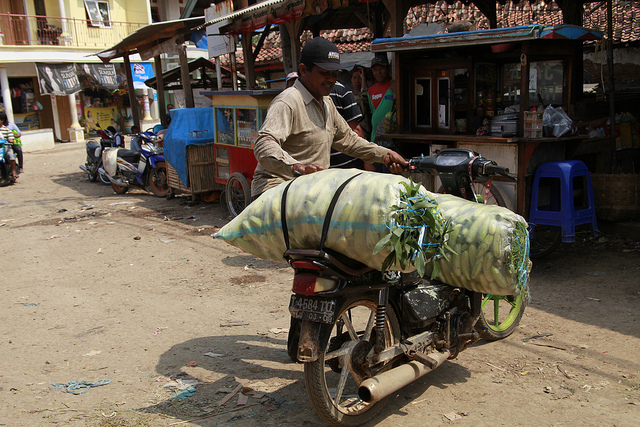
Eliminating export subsidies for inclusive trade
IFPRI’s research contributes to discussions on trade policies and rules at the World Trade Organization (WTO).
-
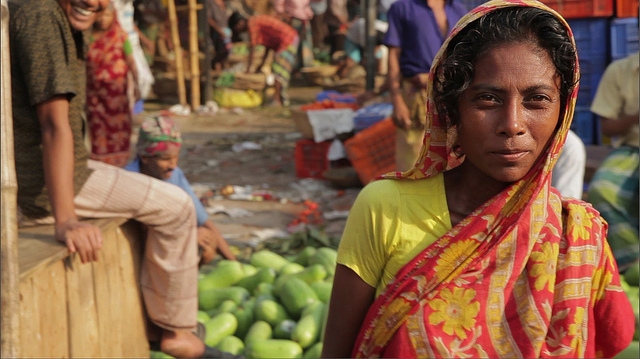
How microfinance has reduced rural poverty in Bangladesh
New book shows the growth of microcredit in Bangladesh has helped lift some 2.5 million people out of poverty over 20 years.
-
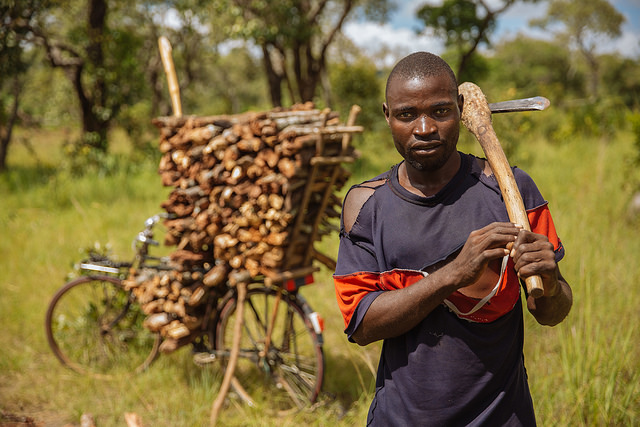
Global economic slowdown could leave 38 million more in extreme poverty by 2030
Sluggish growth endangers the Sustainable Development Goal of ending poverty by 2030.
-
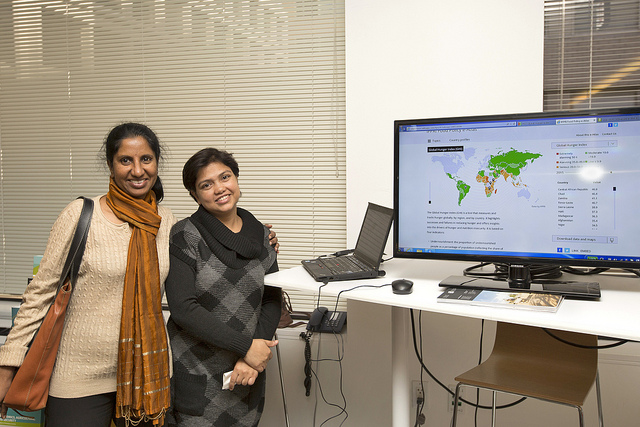
Open-access data: A key to sound agricultural policies and investments
As the Global Open Data for Agriculture & Nutrition (GODAN) Summit gets underway in New York, a look at IFPRI's innovative use of datasets.
-
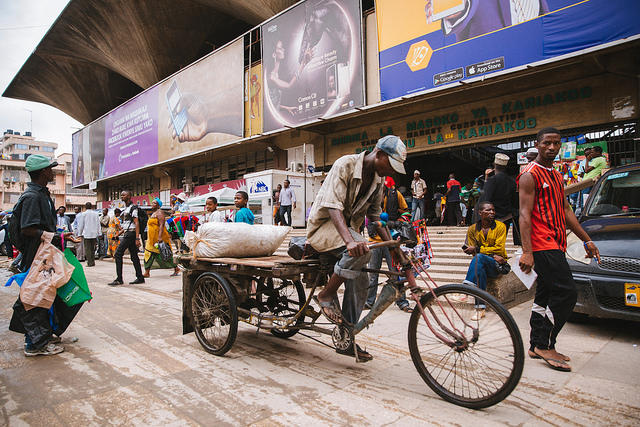
How migrants in Africa maintain economic and social links to home villages
New research shows how migration is reshaping traditional economic relationships with the villages left behind.
-
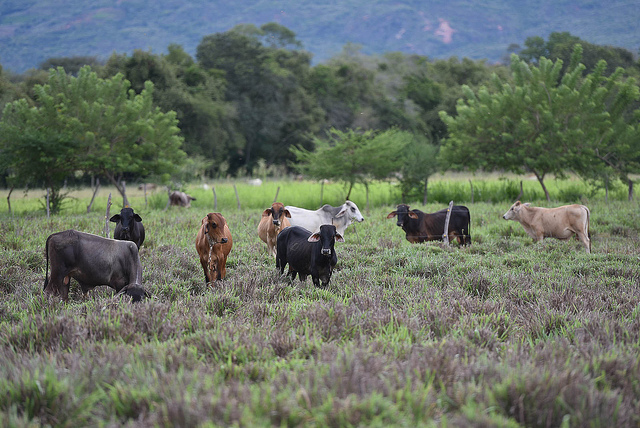
Colombia embraces new approach to reduce emissions from agriculture, sustain food security
A new paper outlines how modeling can help countries devise policies to minimize carbon emissions while optimizing agricultural production.
-
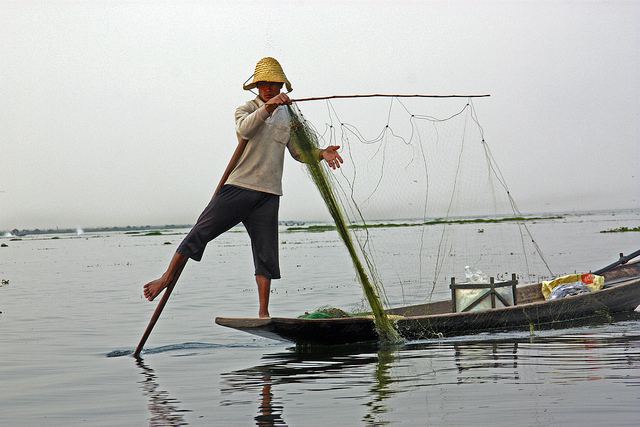
IFPRI panel: Myanmar has great economic potential but faces poverty, hunger, and other hurdles
Some ways Myanmar can unleash and diversify its agricultural sector while raising living standards.
-
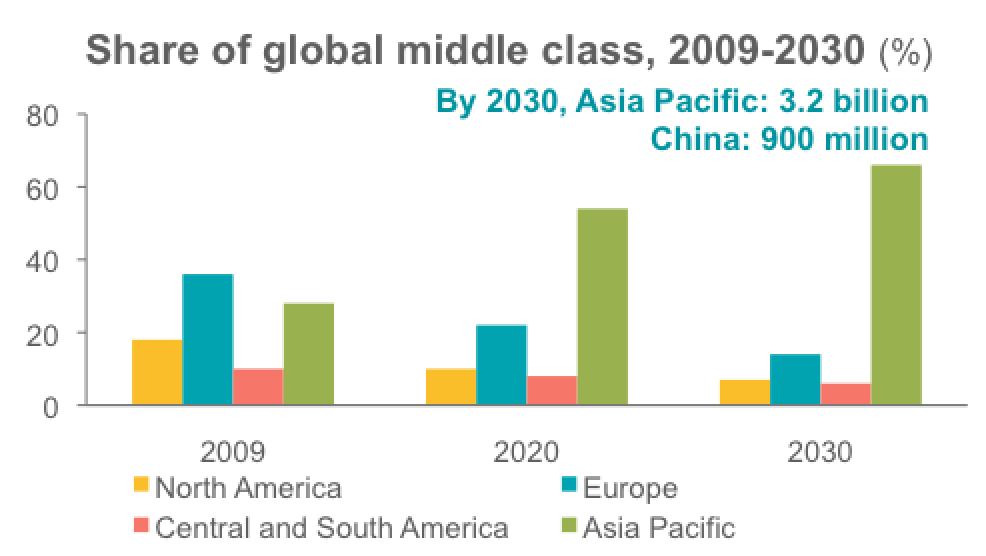
Reshaping the food system for a healthier and sustainable future
IFPRI Director General Shenggen Fan on how science and technology can help to feed 9 billion sustainably by 2050.
-

Ways to reduce hunger and malnutrition faster
Hunger and undernutrition are chronic problems in many countries, and climate change threatens to make them worse. But governments, private companies, and international organizations can make rapid progress fixing them by working closely together, participants at a recent IFPRI-organized panel at the European Development Days (EDD) conference in Brussels agreed. IFPRI Director General Shenggen Fan […]
-

Judith Hodge highlights the importance of infant and young child feeding
How breastfeeding and related practices buttress children’s health and growth in developing countries.
-
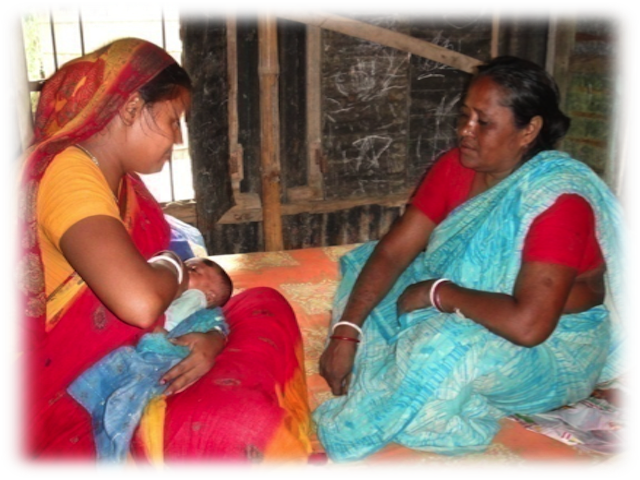
Ellen Piwoz on the next big success: Breastfeeding
Evidence shows that breastfeeding support can make a big difference in children's health. This is the next frontier in sustainable development.
-

Breastfeeding practices can be improved at large scale for better health and nutrition
IFPRI found Alive & Thrive had a measurable impact improving breastfeeding in Bangladesh, Ethiopia, and Vietnam
-
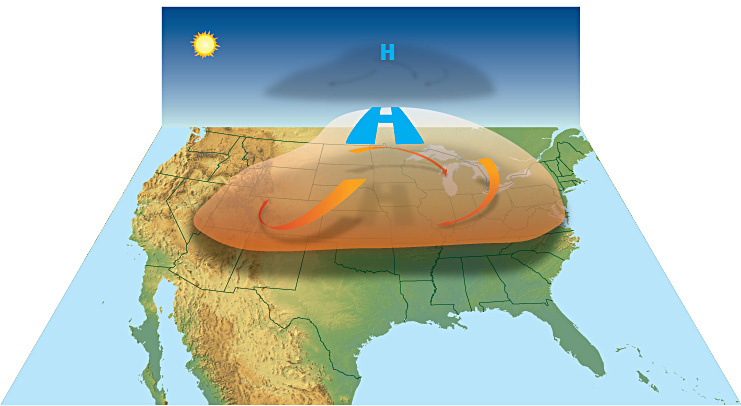
Heat dome to do approximately $2 billion in damage to U.S. corn
An IFPRI researcher's estimate shows just a few days of widespread high temperatures will end up harming U.S. corn yields
-
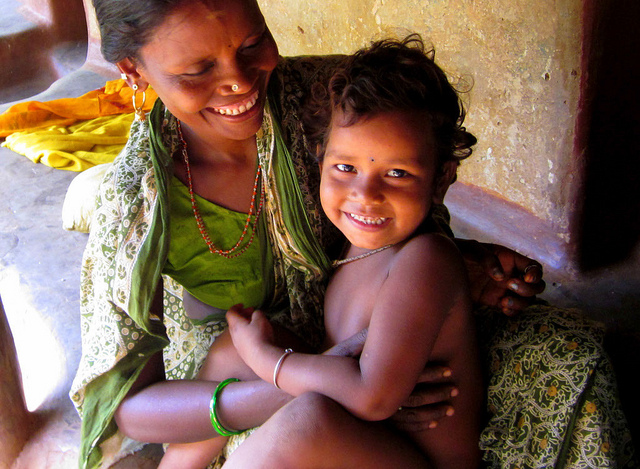
As India moves to replace food aid with cash, more evidence is needed on nutritional impacts
There is evidence that cash transfers can save money and reduce the routine theft that plagues food aid programs. But how will they impact nutrition?
-
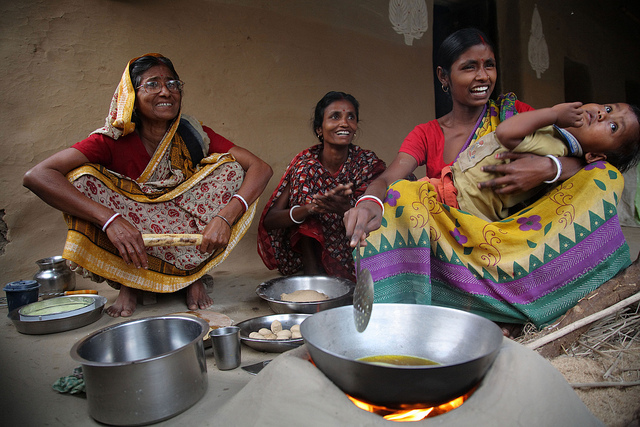
To end hunger by 2030, India desperately needs better data
It may seem like a no-brainer to say that we need data to guide efforts to end malnutrition. Would you run an economy without a regular stream of credible data? You’d be flying blind if you did, and we know what happens if you try to do that. And yet this is precisely the situation […]
-
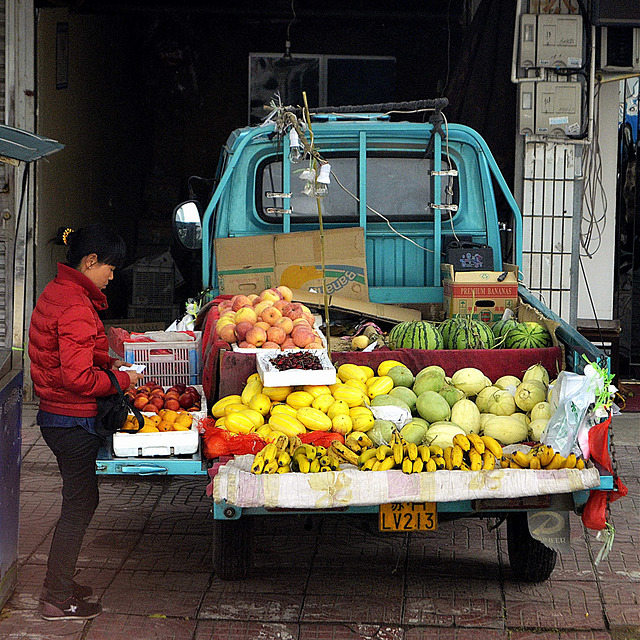
How to make Chinese agriculture more resilient to extreme weather events
Climate variability is increasing the frequency and intensity of extreme weather events such as droughts and floods. Linked to El Niño, the recent floods in Central and Southern China are a reminder of the negative impacts of climate change—it is feared the floods are the worst in decades. These severe and devastating floods have costly […]
-
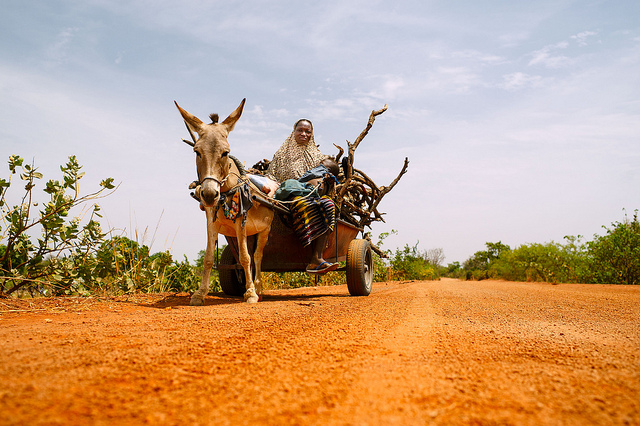
Producing bioenergy doesn’t have to conflict with food security
As the world confronts climate change, demand will increase for both bioenergy and sustainable food sources. Many assume these needs conflict. In fact, though, many synergies already exist between growing food and biomass for fuel, and good policies can boost them further. A new report, “Reconciling Food Security and Bioenergy: Priorities for action,” in the journal […]
-
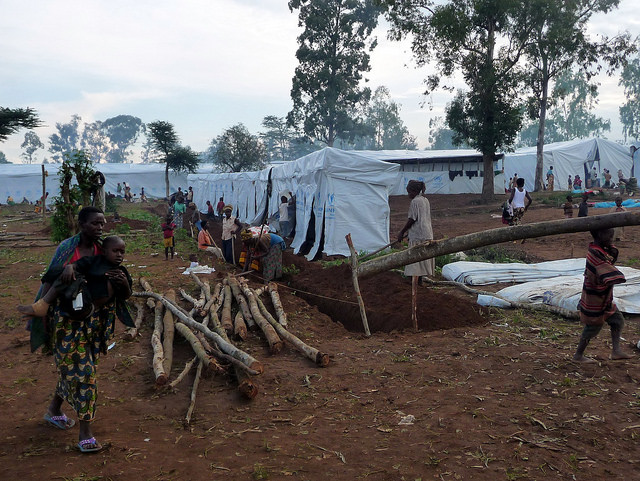
Providing aid to refugee camps can benefit the host country’s economy
The Syrian civil war has forced millions of people to leave their homes over the past five years, throwing the issue of refugees to the forefront of public debate. Though far from being a new phenomenon, this has led to renewed interest in the question: what is the economic impact of refugees on host countries? […]
-
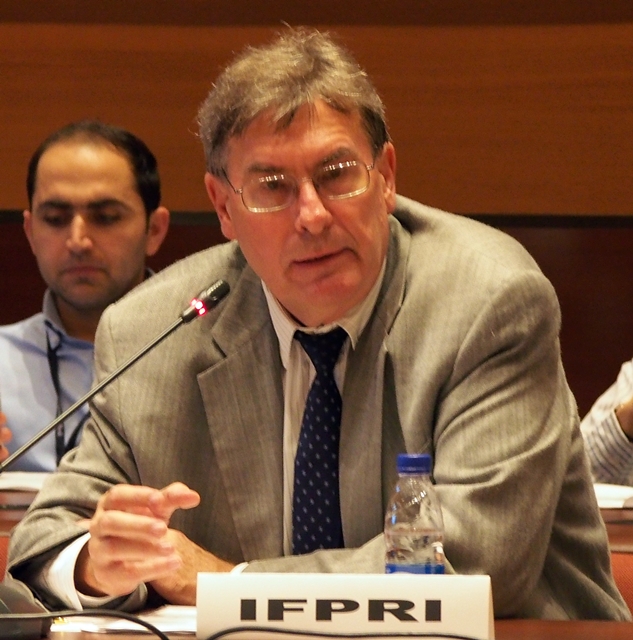
Research centers, banks, businesses, civil society, and farmers join forces to fight future food shortages in Asia
Asian Development Bank works with CGIAR in a broad coalition of partners to boost food production across the region
-
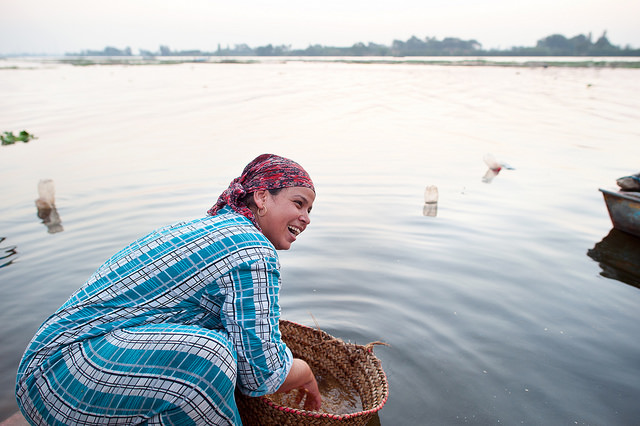
Egypt and other Arab countries need sound policies to jump-start development efforts
Participants at a recent Cairo seminar held to mark the Egypt launch of IFPRI’s Global Food Policy Report (GFPR) grappled with the Arab region’s profound development problems. The upheavals of the Arab Spring halted progress in meeting the United Nations Millennium Development Goals (MDGs), said Clemens Breisinger, director of IFPRI’s Egypt Strategy Support Program. “It […]
-
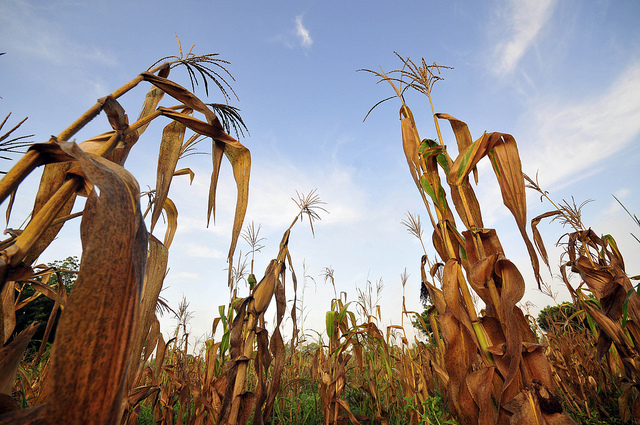
Can maize breeding keep up with climate change?
Knowing when and how climate change will impact crop production is essential for devising adaptation solutions.
-
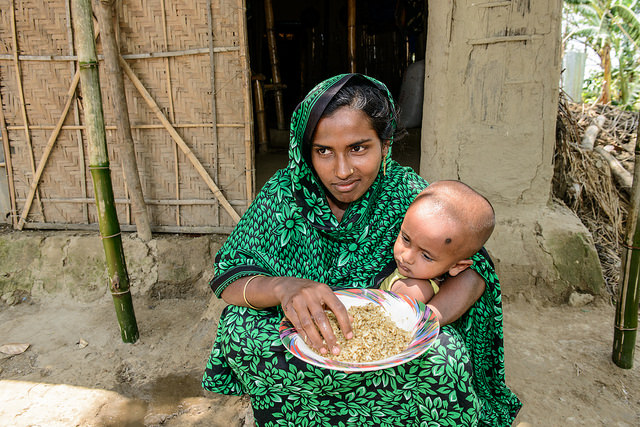
It’s time to revisit how we measure and track infant and young child complementary feeding practices
Good nutrition in the earliest stages of life directly influences children’s future nutrition and development as they grow into healthy adults. Research has contributed to a set of guiding principles on the best infant and young child complementary feeding (IYCF) practices to promote healthy child growth, development, and nutrition.Yet good guidelines can only take us […]
-
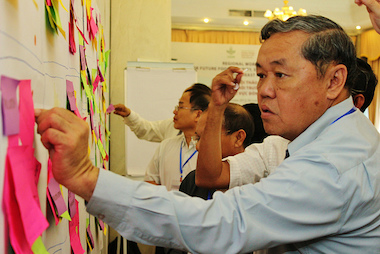
Hindsight is 20/20, can we give foresight prescription lenses?
There are many challenges confronting decision makers in building robust and effective policies. They must balance pressing short-term needs with long-run challenges. They must confront these varying demands while facing imperfect knowledge of the complex systems (i.e. the economy, the environment, etc.) in which their policies will have impact. Above all, they also face the […]
-
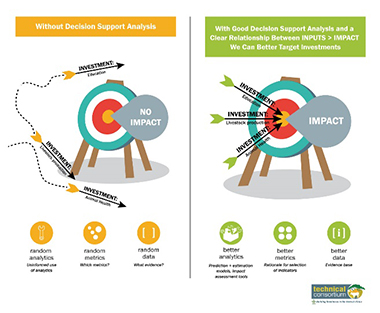
Glamming up data for smallholder resilience in the Horn of Africa
A pile of numbers, or the key to smallholder resilience in places that need it most? A data revolution is quietly unfolding in sub-Saharan Africa and empowering sustainable development and resilience for a new generation of policymakers. Variability in crop and pasture, whether caused by weather, natural disasters, pests and diseases, or political conflict, is […]
-

Hunger in the Himalayas: How IFPRI is Increasing Food Security in Nepal and India
Since the earthquake killed more than 8,000 people and severed food chains 14 months ago, IFPRI is redoubling efforts to strengthen food security in Nepal. Before April 23, 2015, less than one-tenth of one percent of people in Nepal relied on food assistance—a number that skyrocketed to 35 percent after the earthquake struck, according to […]
-
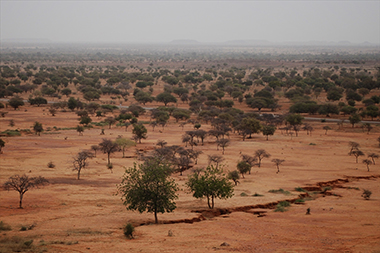
World Environment Day 2016: The case for regenerating forests
Challenges and opportunities for preserving and promoting the world's endangered forests
-
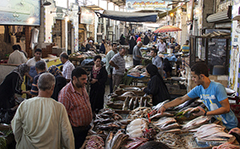
Setting priorities for policy research for development in Egypt
The following story was originally published on the Egypt Strategy Support Program website. Egypt’s food markets are full of fresh fruits and vegetables, and the local souks feature skillfully crafted furniture, scarves, and jewelry. These products are the result of a long tradition of agricultural production, craftsmanship, and trading. However, the producers are often small […]
-
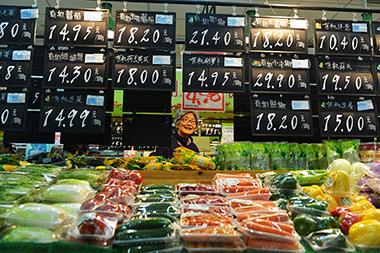
A new global food system for achieving the Sustainable Development Goals
The Sustainable Development Goals are charting a path towards meeting current needs without compromising the ability of future generations to meet their own needs.
-
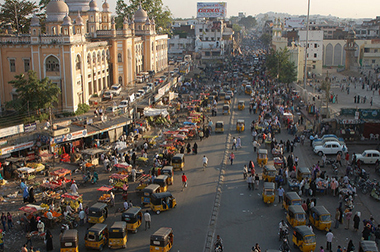
Growing food for growing cities
The world’s urban population is growing rapidly. According to a new publication from The Chicago Council on Global Affairs, more people live in urban areas than rural areas today, and by 2060, 66 percent of the world’s population will live in cities. This growth is particularly obvious in developing regions. Africa’s urban population is projected […]
-
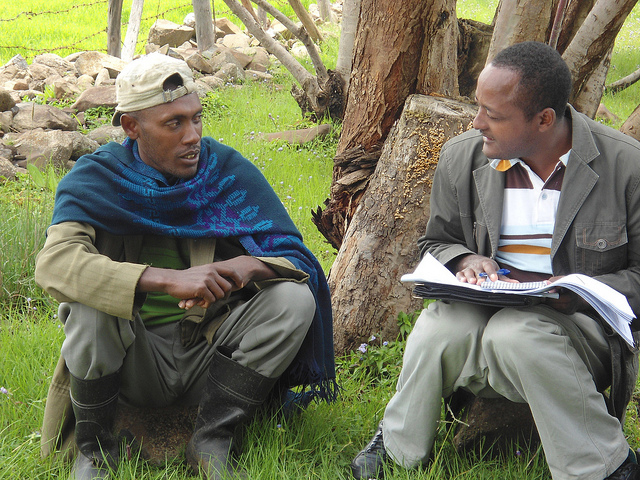
Five comparable country datasets for Africa RISING now available
As populations and incomes in developing countries grow, so does demand for food. To meet growing demand, agricultural production must increase. Yet, with increasingly scarce land, enhancing agricultural production requires intensifying production to obtain greater output from existing cultivated area. As agricultural intensification can have negative effects on the environment and diminish land productivity, agronomists […]
-
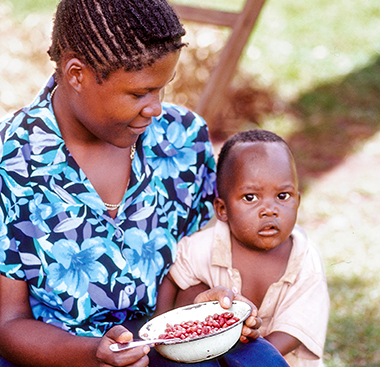
Mother knows best: Providing nutritious meals with biofortified crops
Every mother knows what is best for her child—especially when it comes to putting the most nutritious food on the table. At HarvestPlus, we are working hard to help mothers around the world feed their children the most nutritious food possible through biofortified crops enriched with vitamin A, zinc, and iron. On Mother’s Day, we […]
-
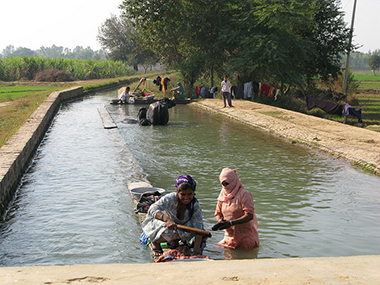
Investigating gender dynamics in irrigation
More than 150 participants gathered at a series of workshops in Ethiopia, Ghana, and Tanzania to discuss how to improve gender parity in irrigation, focusing on identifying key guiding questions for policy makers and practitioners.
-
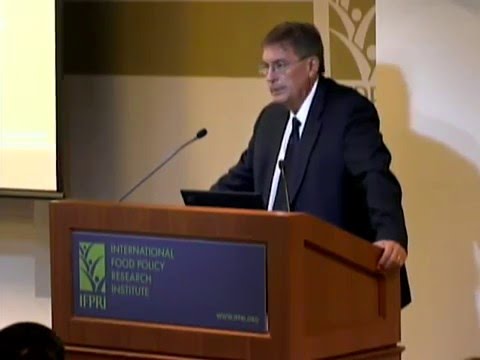
Delivering seeds of change to smallholder farmers
Improved seeds and traits are central to many developing countries’ national strategies for agricultural development and economic growth.
-
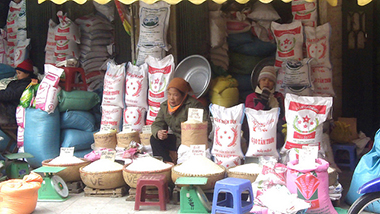
New book unravels causes, consequences, and implications of food price volatility
Food price volatility and extreme price shocks have serious implications for politics, agriculture, climate, and food and nutrition security, according to a new book published by ZEF and IFPRI.
-
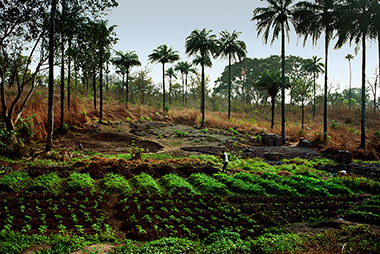
Healthy soils for global sustainable development
It takes millennia to develop fertile soils, but according to authors of a chapter on soils in the 2016 GFPR, we are losing 75 billion tons of soil globally each year, with impacts that not only hurt poor farmers, but extend well beyond the farm.
-
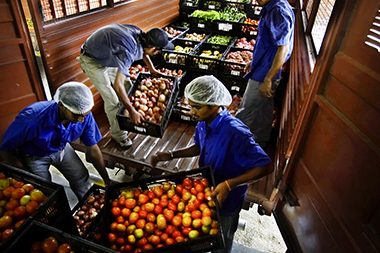
Harnessing value chains to improve food systems
Chapter 6 of the 2016 Global Food Policy Report highlights the need to adapt food systems to support nutritious and sustainably-produced diets.
-
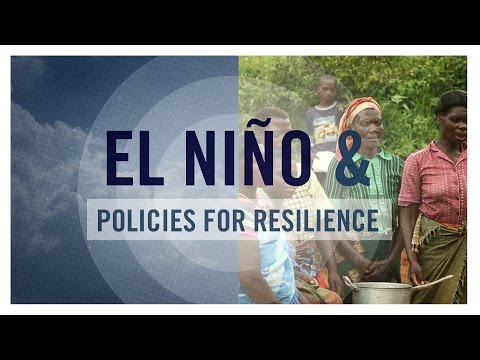
Responding to El Niño: How policies can stem damage from extreme weather cycle
New IFPRI Policy Brief lays out current and expected impacts of El Niño and offers short and long term national policy recommendations to respond to its effects.
-
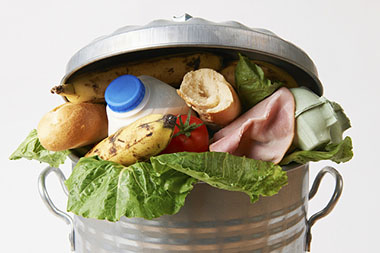
Measuring food loss and waste
The global food system puts significant pressure on the world’s natural resources and is a major contributor of GHG emissions. At the same time, a large amount of the food produced by this system is either lost or wasted each year.
-
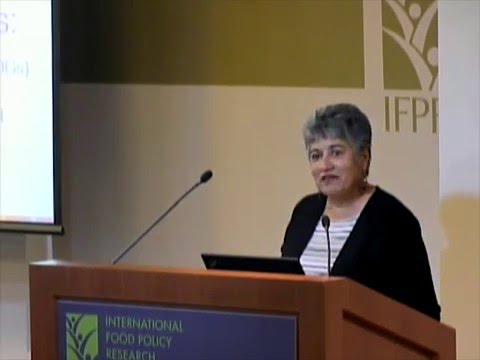
Taking charge of their own development
UN Sustainable Development Goal (SDG) 16 calls for the global community to “promote peaceful and inclusive societies for sustainable development, provide access to justice for all and build effective, accountable and inclusive institutions at all levels.” Speaking at a recent panel discussion held at IFPRI’s home office, John Coonrod, executive vice president of The Hunger […]
-
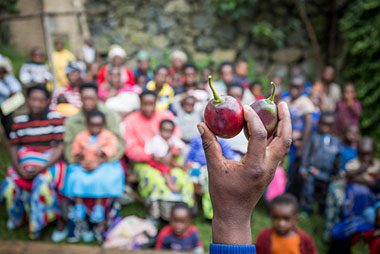
Global Food Policy Report calls for improved global food system
According to IFPRI’s 2016 Global Food Policy Report (GFPR), launched in Washington, DC last week, achieving the ambitious aims of the SDGs
-
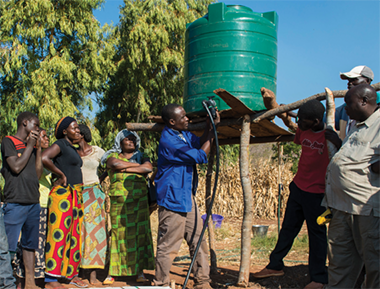
Small farmers can help meet sustainable development and climate goals—but they need our support
Smallholder farmers have a vital role to play in global food security and nutrition, and in supporting a range of development and climate change goals.
-
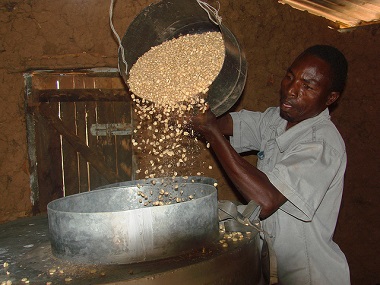
Three steps for tackling food loss and waste
An astounding one third of all food produced for human consumption is lost or wasted between the farm and the fork. Just think about that for a moment.
-
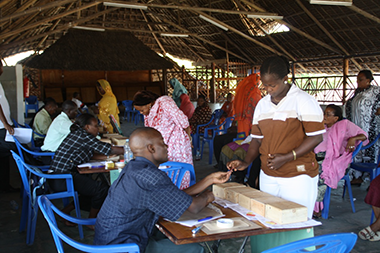
World Health Day 2016: Increasing health insurance coverage through microfinance institutions
Can microfinance institutions increase health insurance coverage among the poor? New research presents results from field experiment in Tanzania.
-
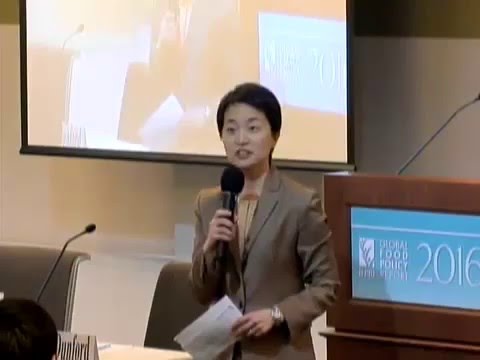
2016 Global Food Policy Report: Toward a more sustainable food system
At the recent launch of the 2016 Global Food Policy Report in Washington, DC, IFPRI Director General Shenggen Fan saw something of a mixed bag for global food security leading into 2016. On the positive side, the international development community made major strides in 2015 in securing the passage of the UN Sustainable Development Goals […]
-
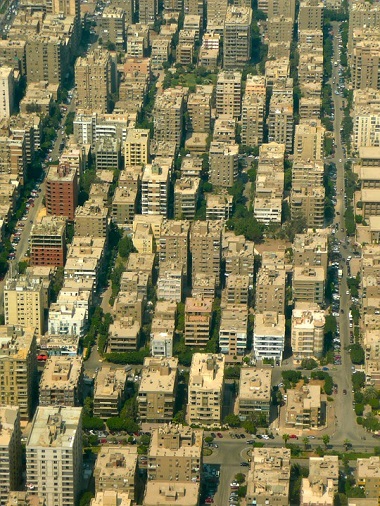
IFPRI in Cairo: Research to raise incomes and improve food and nutrition security
Flying into Cairo, the first thing you notice is the size. Three and a half times more populous than Paris, the city is a sprawling landscape of nearly identical, dusty brown apartment buildings as far as the eye can see—or as far as a curious passenger on a rapidly descending airplane can see from a […]
-
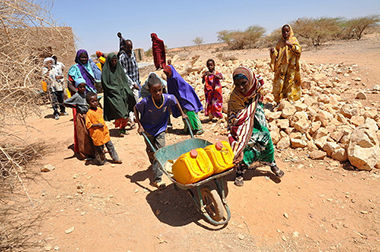
Decreased harvests, rising prices mean hunger across Southern and Eastern Africa
The unusually strong 2015-2016 El Niño cycle has caused widespread drought throughout southern and eastern Africa, triggering delayed planting and crop failures, particularly in South Africa, Mozambique, Malawi, Botswana, Swaziland, and Zimbabwe.
-
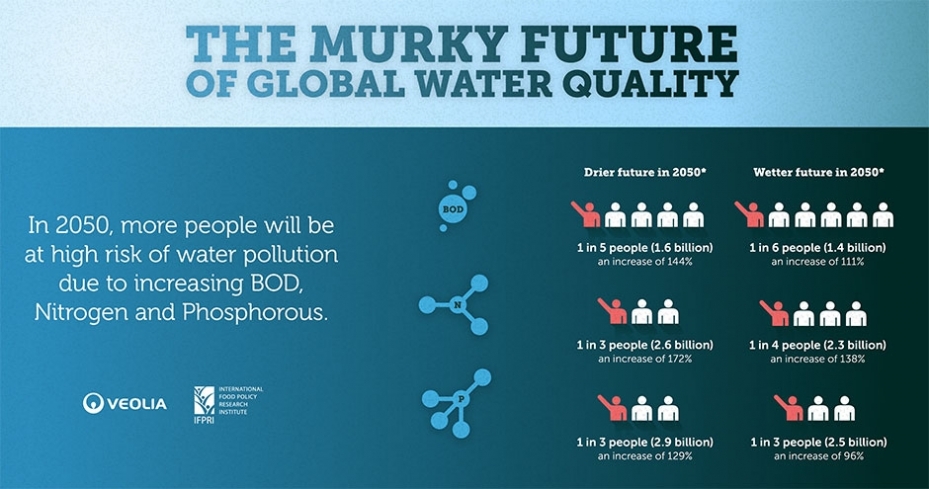
Water pollution: The invisible, creeping threat
Every other week we read of a new water pollution scandal. Can we turn the tide of growing water pollution around?
-
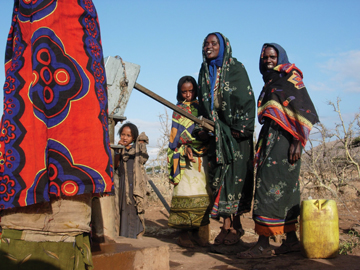
Water, jobs, and women: The invisible links
The theme for this year’s World Water Day—“water and jobs”— is intended to draw attention to the often invisible role of water in creating and supporting jobs, and how better water supplies could create better jobs. Nowhere is this more applicable than for women’s access to water, especially in rural areas. Official statistics indicate that […]
-
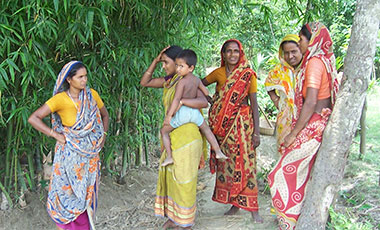
International Women’s Day 2016: Empowering women with data and evidence in Bangladesh
One of a researcher’s biggest fears is that research outputs go unread, gathering dust on people’s shelves before ending up in the recycling bin. However, this fear was unfounded for our work on the Women’s Empowerment in Agriculture Index (WEAI), which has gone from esoteric research tool to a widely-used data collection tool that has […]
-

You are what you eat: Global and regional health effects of future food production under climate change
New study predicts more than 500,000 additional deaths by 2050 due to changed diets if no climate change mitigation is achieved.
-
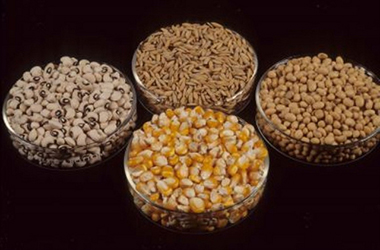
Is the global seed industry Investing in smallholders?
Improved seed varieties resistant to heat, drought can help farmers increase their yields
-
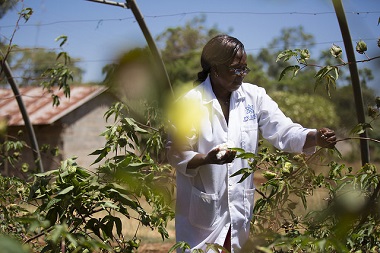
Contested agronomy: Whose agronomy counts?
As researchers working on agricultural development programs in South Asia and Africa, there are a lot of agronomists in our world. Despite being IFPRI economists working on agricultural science and policy issues.
-
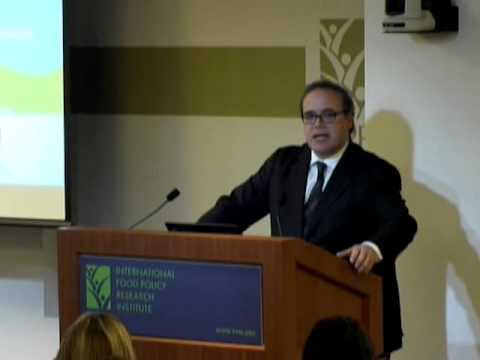
A new paradigm for the Doha Development Round
Since the launch of the WTO's Doha Development Round negotiations in 2001, the global trade situation has undergone a dramatic transformation.
-
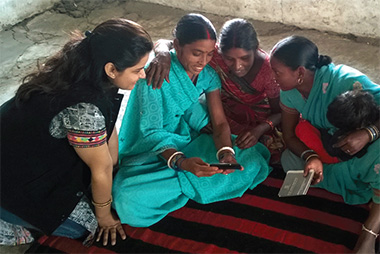
Agriculture – nutrition disconnect: Can research on curriculum fix it?
In the process of development policy making and program implementation, research helps speed up learning among policy makers and program managers. Research undertaken to fill major knowledge gaps can lead to mid-course correction that can profoundly impact development outcomes. For example, a recent research study undertaken to identify the curriculum gaps for building capacity for […]
-
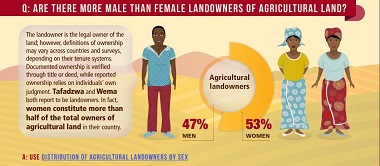
Making sense of land, statistics, and gender
The following post was originally published on the site of the CGIAR Research Program on Policies, Institutions, and Markets. “Making sense of Land, Statistics and Gender”, a new infographic by the Gender and Land Rights database (GLRD) of the Food and Agriculture Organization of the United Nations (FAO) and CGIAR Research Program on Policies, Institutions, […]
-
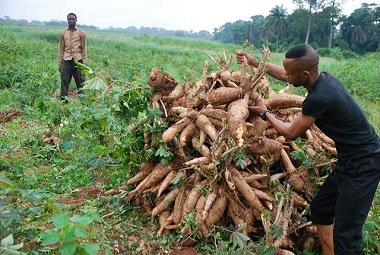
Walking the wire on biotechnology at FAO
This week, the Food and Agriculture Organization of the United Nations (FAO) hosted an International Symposium on The Role of Agricultural Biotechnologies in Sustainable Food Systems and Nutrition at its headquarters in Rome. It has all the trappings and gravitas of a UN meeting: member-nation delegates, placards bearing their countries’ names, earphones streaming simultaneous translations […]
-
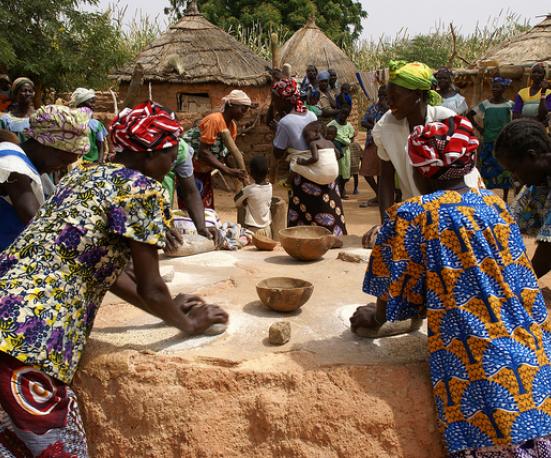
Food and nutrition security programs: Too focused on agriculture?
Food and nutrition security (FNS) is a multi-dimensional concept, spanning the agriculture, trade, health, and social sectors. Often, however, policies only address FNS through one lens: that of food production.
-
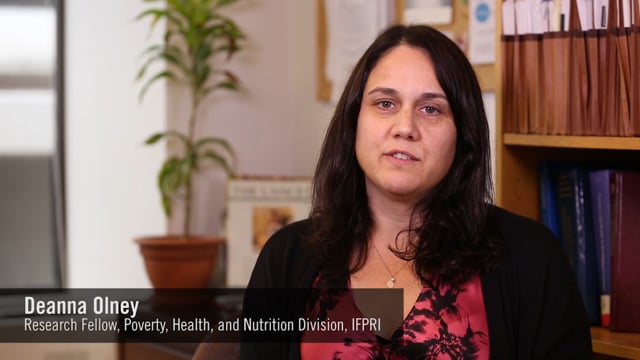
Changing behaviors for better health and nutrition
Getting the right nutrition in the period between a child’s conception and his or her second birthday−the so-called 1,000 day window−can have profound impacts on the child’s ability to grow, learn, and become a productive member of society. A growing body of research demonstrates that the opposite is also true: malnutrition early in life can […]
-
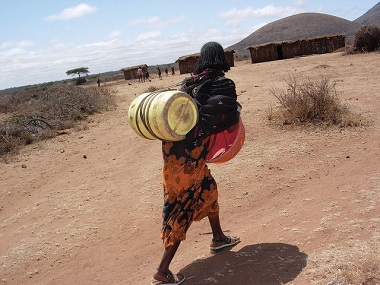
Are there nutritional tradeoffs in increasing women’s time in agriculture?
The following post by IFPRI collaborator Hitomi Komatsu was originally published on the Agrilinks site. Malnutrition is a severe problem, especially in poor households in developing countries. Many families are not well nourished because they do not have access to nutritious and diverse diets. Studies have shown that one way to improve nutrition among rural […]
-
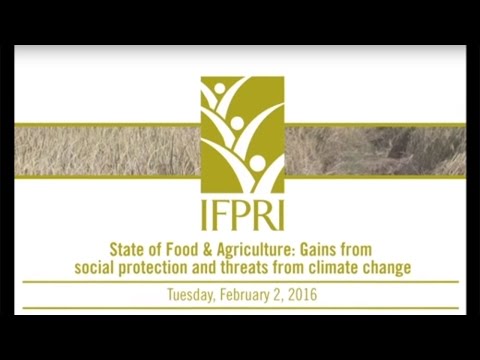
Can linking social protection and agriculture end extreme poverty?
Social protection programs−broadly defined as initiatives offering cash or in-kind assistance to the poor−have expanded rapidly in recent decades, now covering an estimated two billion people living in developing countries. Such broad coverage, which accounts for roughly one-third of the total population living in these countries, has contributed to a dramatic decline in extreme poverty, […]
-
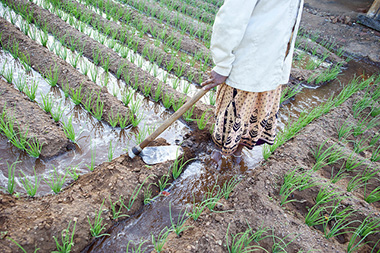
The Goldilocks dilemma of irrigation
Water management challenges are closely linked to many of the SDGs, especially those relating to poverty reduction, food security, and environmental sustainability.
-
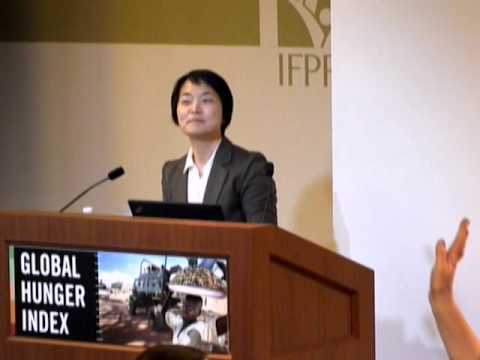
“A war against hunger:” 2015 Global Hunger Index illustrates progress, challenges, and the hunger-conflict connection
Panelists at the Washington, DC launch of the 2015 Global Hunger Index (GHI) offered sobering facts and heartbreaking stories, but also cause for cautious optimism. The 2015 Global Hunger Index—the tenth in an annual series produced by IFPRI, Concern Worldwide, and Welthungerhilfe that measures hunger globally, regionally, and nationally for 117 countries—shows progress, with a […]
-
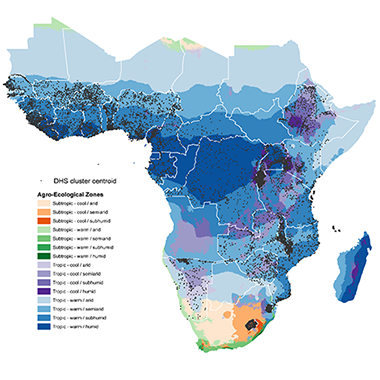
Granular socioeconomic data are increasingly becoming available in agricultural research
HarvestChoice researchers summarize new data paradigm in the journal Nature Climate Change.
-
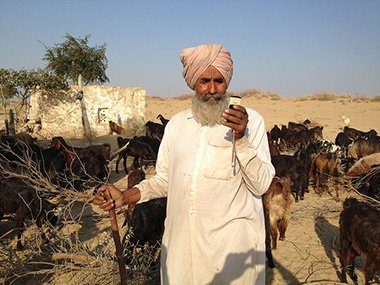
The digital revolution in agriculture: Progress and constraints
The following post by Sara Gustafson was originally published on the Food Security Portal. The surge in digital technologies available over the past few decades has transformed virtually every sector of the global economy, and agriculture is no exception. Information and communications technologies (ICTs) such as mobile phones and SMS messaging are changing the way […]
-
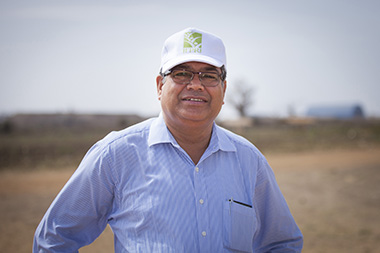
Taking the pulse of pulses: Interview with IFPRI’s Director of South Asia P.K. Joshi
The United Nations General Assembly declared 2016 the International Year of the Pulses. To mark the year, we spoke with P.K. Joshi, IFPRI’s Director for South Asia, about pulses. Joshi has been supporting the CGIAR Research Program on Agriculture for Nutrition and Health (A4NH) research portfolio on pulses since 2012. What is a pulse? What […]
-
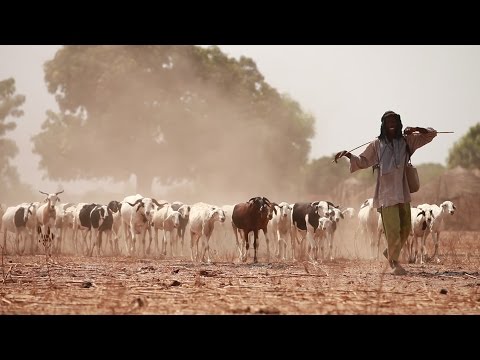
The case for investment in restoring degraded lands
Land degradation occurs in all agroecologies around the world, but it can be reversed. (Originally published on the Agrilinks site).
-
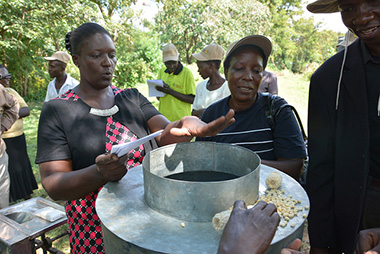
The Twenty-First Century agricultural cooperative: Increasing the business credibility of smallholders
Essay by Ousmane Badiane, part of a special edition being published in partnership with Foreign Affairs, titled “African Farmers in the Digital Age.”
-
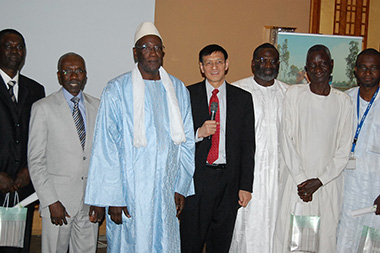
40 Years of IFPRI celebrated around the world
IFPRI celebrated its 40th anniversary around the world throughout 2015. Receptions were held in Addis Ababa, Beijing, Dakar, Dhaka, Islamabad, and Lilongwe to mark this momentous occasion. These events were also an opportunity for IFPRI to recognize its many partners and collaborators for their tremendous contributions to work on food and nutrition security over the […]
-
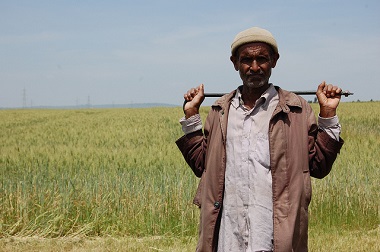
Encouraging adoption of better seed technologies: What works?
Reduced or eliminated yield gap, would have profound effects on smallholder incomes
-
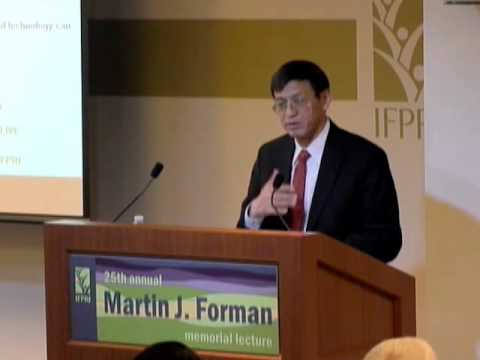
Ending hunger and malnutrition in our lifetime
Summary and video highlights of Rajiv Shah’s remarks at the 25th annual Forman Lecture.
-
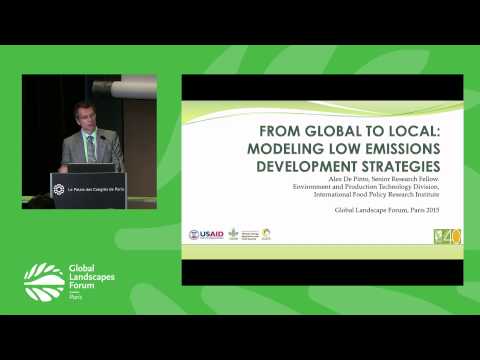
Global trends plus local decisions equals a more food-secure world by 2050
Achieving food security is one of the essential components of the UN Sustainable Development Goals (SDGs), which were adopted in September of last year. While only a few goals specifically mention forestry and other land-based sectors, all 17 depend on healthy and sustainable landscapes for their achievement. Over the past two years, the Global Landscapes […]
-
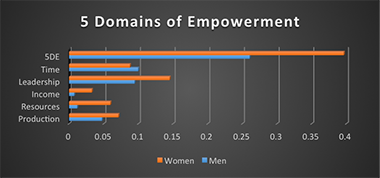
Empowerment matters: “Invisible women” in Niger produce less food
Niger is a hot landlocked country, mostly covered by the Sahara desert with a rainy season of only three months.
-
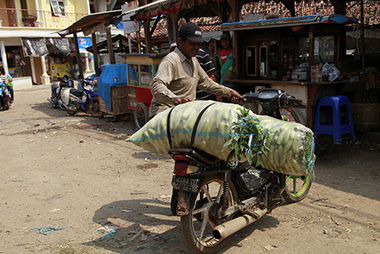
Trade and agriculture: Exploring the linkages
International agricultural trade has been a major headline recently, yet disagreement about the best way to conduct such trade remains widespread.
-
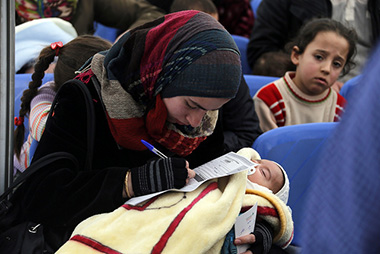
Break the vicious circle of underdevelopment, climate change and refugee crisis
The following post by IFPRI Director General Shenggen Fan was originally published in the Huffington Post. The plight of refugees and migrants crossing the Mediterranean Sea has dominated the headlines this year. While we must provide them with emergency assistance – food, shelter and medical services – in order to get to the bottom of the crisis, we need […]
-
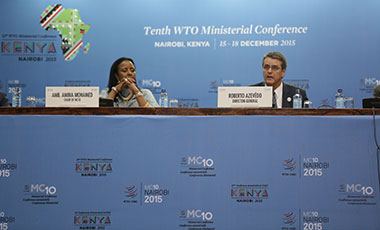
10th WTO Ministerial Conference Aims to End Agricultural Export Subsidies
The following post by Sara Gustafson was originally published on the Food Security Portal. On December 19, the 159 members of the WTO concluded the 10th WTO Ministerial Conference with the signing of a new international trade agreement, the Nairobi Package. The agreement contains several important outcomes on the issue of agriculture and represents the first […]
-

How will crop yields change with an uncertain climate future?
IFPRI researchers recently received some attention for research on how climate change will affect croplands in the future. Using HADGEM2, a climate prediction model, Research Fellow Richard Robertson was able to predict what kinds of yields we might see under climate change for potatoes, rice, wheat and corn in 2050. What does the model show […]
-
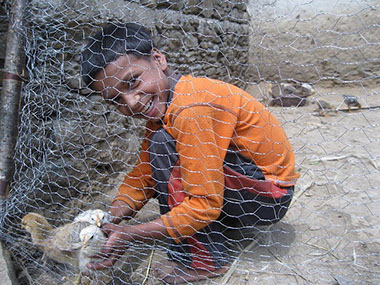
Can chicken wire reduce stunting in children?
For decades, the agricultural sector has been tasked with helping to curb undernutrition and reduce poverty levels, especially in rural areas in many developing countries. The livestock sector holds particular promise for supporting such development outcomes, since the consumption of animal-source foods is seen as both a key driver of child growth and raised household […]
-
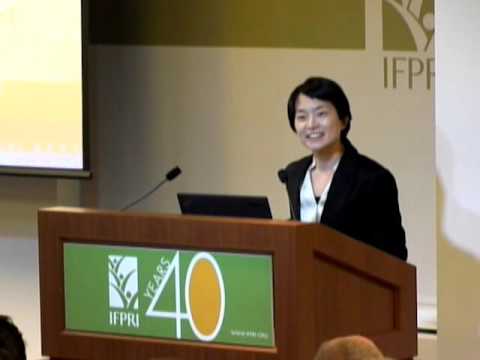
The case for investing in the restoration of degraded lands
An estimated 30 percent of all global lands are classified as degraded, serving as home to an estimated 3.2 billion people. Yet the scope of the problem extends further still, as the impacts of land degradation are felt in every region in the world. According to the latest research findings published in a new book […]
-

2015 World Soil Day: Celebrating an underappreciated resource
Think dirt doesn’t matter? Think again. All life on this planet depends on soil to survive. This is just one of many facts Shahidur Rashid, a senior research fellow at the International Food Policy Institute, shared in a video to celebrate World Soil Day. “If you think love is unconditional giving, soil has been doing […]
-
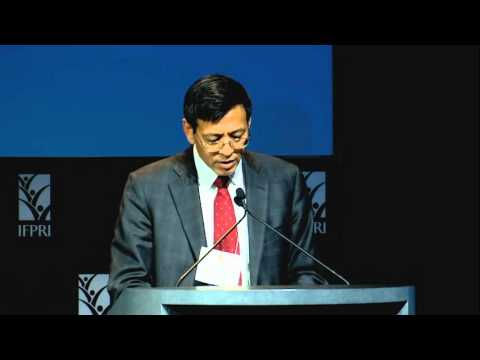
Compact2025 formally launched
The following blog story was originally published on the Compact2025 website. On November 18, 2015, IFPRI officially launched Compact2025, a bold new initiative to end hunger and undernutrition by 2025. Compact2025 works with countries to bring stakeholders together, set priorities, innovate and learn, build on successes, and synthesize sharable lessons to accelerate progress in ending […]
-
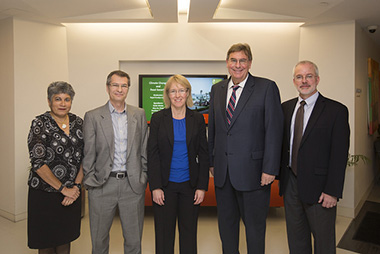
Climate change poses global food security challenges, requires local policy actions
Speaking at a recent policy seminar on climate change and food security, Heather McGray, Director of Vulnerability & Adaptation at the World Resources Institute (WRI), framed the challenge of climate change as twofold. “One of the hallmarks of climate change is growth in uncertainty about the weather—we just have trouble knowing what it’s going to […]
-
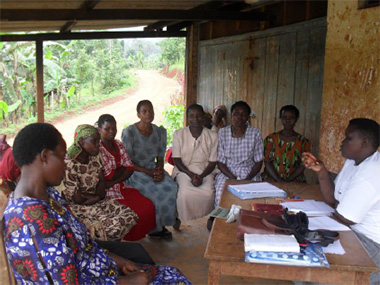
Why paying attention to gender matters for climate change adaptation
By Elizabeth Bryan, Patti Kristjanson, and Claudia Ringler Until recently, there has been little evidence supporting the need to focus on the gendered dimensions of agriculture and climate change. Why? Because few researchers have been talking to women in agriculture as well as men–both of whom contribute to solving the food security challenges posed by […]
-
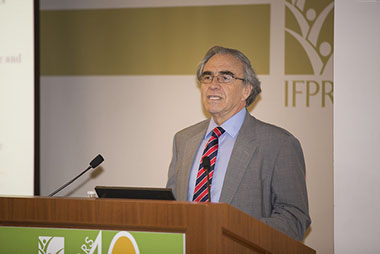
Bridging the gap between finance and agriculture
Agriculture and financial policies are closely linked. The economic situation of the world—and of each individual country—has a profound effect on agricultural policies, and agricultural policies, in turn, can affect a country’s economy. Thus, taking into account macroeconomic variables and policies is vital to both developing countries’ and the world’s economy. How can policymakers working […]
-
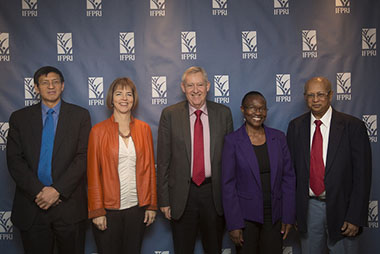
Nutritious food for a billion people
One in three people in the world is malnourished. Deficiencies in vitamins and minerals such as vitamin A, iron, and zinc can cause blindness, reduced IQ, vulnerability to disease, and even death. Biofortification—breeding new, more nutritious varieties of staple food crops to increase their micronutrient content—is one promising approach for combatting micronutrient malnutrition among vulnerable […]
-
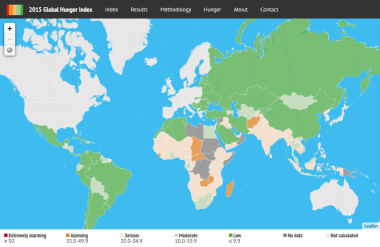
Open Access Week 2015: Opening the data behind the 2015 Global Hunger Index
IFPRI has adhered to the principles of Open Access since its inception. All IFPRI publications are freely available through the e-Brary Open Knowledge Repository and the IFPRI Dataverse, housing over 6,800 publications and datasets. In honor of International Open Access Week 2015, IFPRI is proud to highlight the data and tools used to provide the […]
-
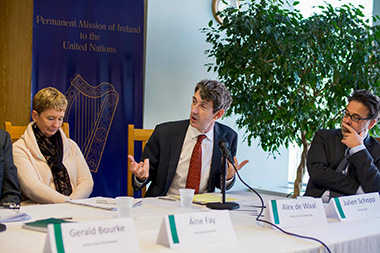
Worst famines vanish, but blocked humanitarian aid still a problem
Countries that have significantly lowered their hunger levels tend to have one thing in common. “When you look at results over time since 2000, it’s clear that the countries that have really made inclusive economic growth a priority have made substantially more progress than the countries that have not,” said Summer Allen, research coordinator in […]
-
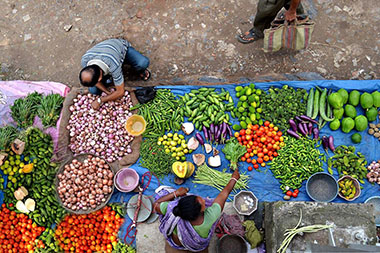
Dietary diversity and biofortification
Some 2 billion people suffer from hidden hunger caused by infections and diets lacking in essential micronutrients such as vitamin A, iron, and zinc.
-
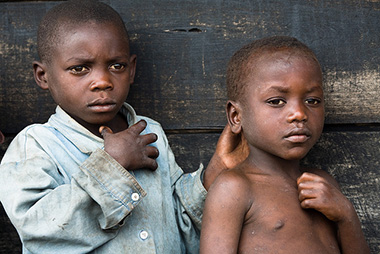
795 million people chronically undernourished, with armed conflict a root cause of hunger
One in nine people on the planet are chronically undernourished, according to the 2015 Global Hunger Index (GHI) released this week by IFPRI, Welthungerhilfe, and Concern Worldwide.
-
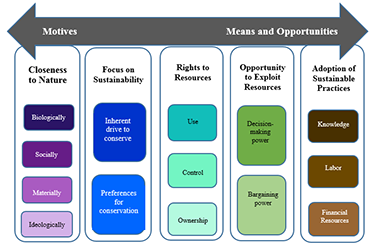
Gender and sustainability: A matter of balance
Rumor has it that women are naturally the more environmentally conscious sex. As farmers, mothers, and keepers of the earth, they are the ones who selflessly care for the planet and will bear disproportionate burden as it is degraded.
-

In memory of former IFPRI Director Raisuddin Ahmed
Dr. Raisuddin Ahmed served at IFPRI for 25 years and was the Director of the Markets and Structural Studies division of the Institute before becoming an Emeritus Research Fellow in 2001. He conducted research on agricultural production, trade, marketing and pricing policies in Asia and Africa and studied the effects of infrastructure and technological policies […]
-

Yara Prize winners honored for their profound impact on African farming
The Yara Prize 2015 is being awarded to Dr. Ousmane Badiane, Director for Africa at IFPRI, and Mr. Eric Kaduru, Founder and CEO, KadAfrica.
-
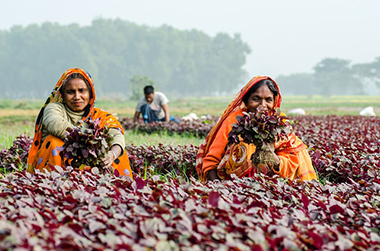
Why women’s empowerment is worth measuring
How can agriculture be a path to gender equality? The Women’s Empowerment in Agriculture Index (WEAI) is a transformational tool that identifies ways to empower women working in agriculture. The project team recently announced the release of a new abbreviated version of the index. The original WEAI was launched in 2012 by IFPRI, Oxford Poverty […]
-

Open letter to the heads of state attending the 70th UN General Assembly, September 2015, New York
Co-advancement of Agricultural and Natural Resource Management within the United Nations Sustainable Development Goals
-
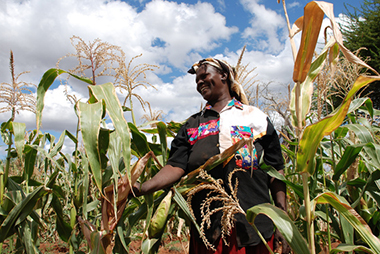
A balancing act: Food for the hungry, fuel for your car
Post by IFPRI Director General Shenggen Fan
-
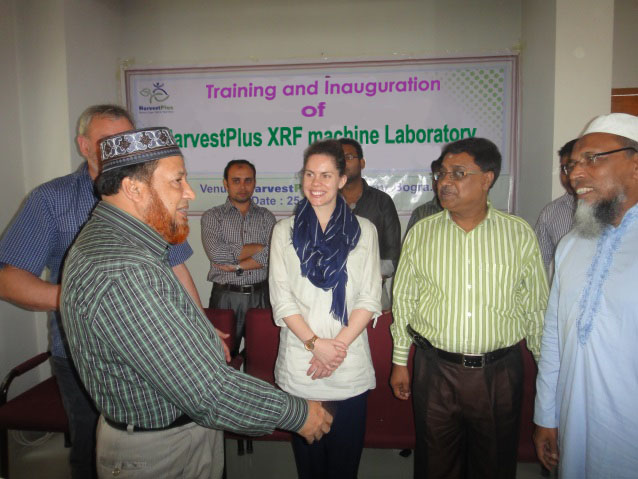
New facility to speed up zinc rice breeding in Bangladesh
HarvestPlus has opened a facility in Bangladesh to support faster breeding of zinc rice and train scientists in the use of advanced screening techniques. The X-ray fluorescence (XRF) laboratory center is located at HarvestPlus’ regional office in Bogra.
-
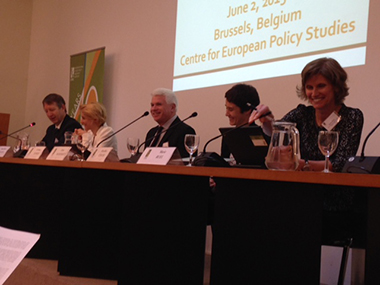
Improving food systems for better lives
Although we have successfully reached the Millennium Development Goal of halving extreme poverty and hunger at the global level, an estimated 795 million people continue to suffer from hunger while two billion suffer from micronutrient deficiencies. Making our food systems more nutritious, resilient, and inclusive can significantly improve the lives of millions of people living […]
-
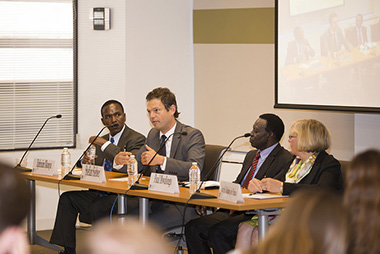
Starting small
How can we find cost-effective, holistic, people-centered solutions to improve food security in Africa south of the Sahara? Speakers at a recent policy seminar at IFPRI’s Washington DC office revealed an innovative project underway in Tanzania that is creating a model region to find the answer. The seminar, Achieving Food Security in Africa South of […]
-
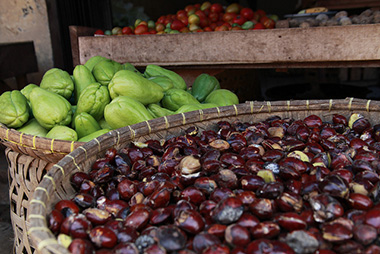
Identifying opportunities for nutrition-sensitive value-chain interventions
Recent IFPRI Research Brief on opportunities to improve nutritional outcomes through interventions in food value chains.
-
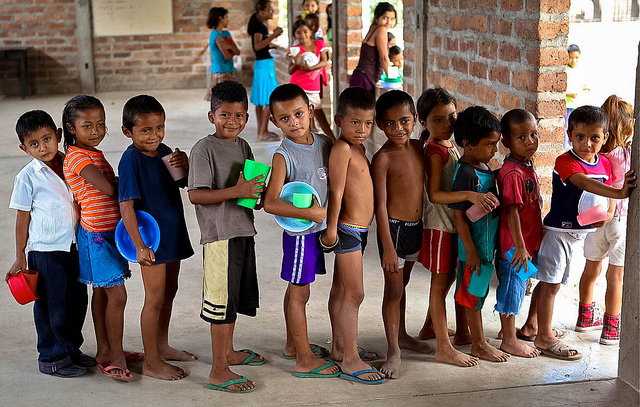
Food and nutrition security among multiple factors behind child migration to the US
The following story was originally published on IFPRI’s Food Security Portal blog. Child migration from Central America to the US can be attributed to different socioeconomic factors depending on the point of origin, demanding tailored multisectoral domestic solutions. This was one of the main conclusions of a virtual dialogue on the underlying causes of child and adolescent migration and the […]
-
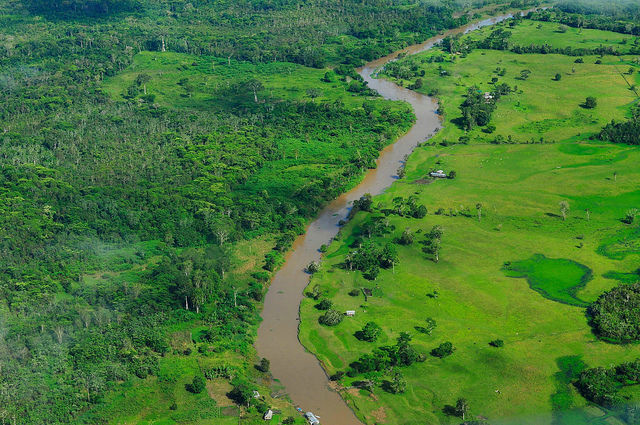
Meeting future food demand while consuming fewer resources
Impacts of agricultural production on natural resource use and conservation in Latin America
-

Battered but not broken
The following post by IFPRI Director General Shenggen Fan was originally published in the Huffington Post. While the major earthquakes in Nepal appear to have ended, the need to prepare for future disasters has not. The April 25th quake killed thousands, while leaving millions homeless, and has put roughly 3.5 million people in need of food assistance. Two weeks […]
-
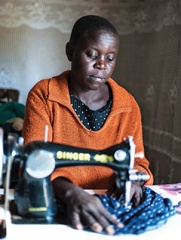
What happens when you give people a windfall?
What happens when you give the equivalent of one year’s household budget—no strings attached—to extremely poor people in rural Kenya? Will they use the money to purchase basic needs such as food, clothing, and shelter? Or will they squander the money on alcohol and cigarettes or some other nonessential item or activity? The latest issue of IFPRI’s […]
-

Exposing hidden hunger
The following is a slightly modified version of a blog story that was originally published on Bread for the World’s Institute Notes. On Saturday, May 30th, Bread for the World Institute and the International Food Policy Research Institute (IFPRI), partnering with HelpMeViz, will organize a vizathon to bring together a variety of of data heroes— coders, data scientists, designers, and […]
-
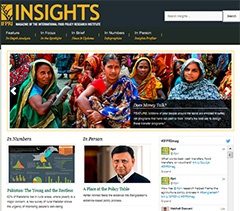
May 2015 IFPRI Insights Magazine
The May 2015 edition of Insights, IFPRI’s print and online magazine, is available, with a roundup of stories on recent research from the Institute. The feature article in the May 2015 issue—“Does Money Talk?”—looks at the complicated question of how to design safety-net programs for the most vulnerable people. Around the world, millions of people are enrolled […]
-
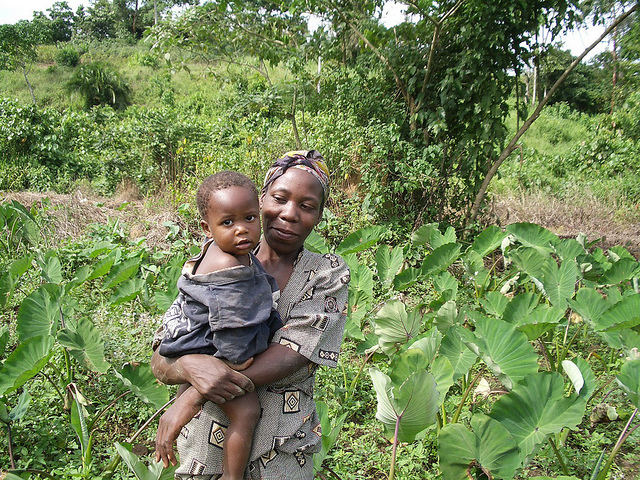
Insurance versus savings: Risk management by gender
Farming households are vulnerable to many types of shocks, including weather-related events such as droughts and floods as well as health-related risks such as illness. A wide range of financial products exist to help farmers manage their exposure to risk, build resiliency, and improve welfare. However, not all risk is created equal in the context […]
-
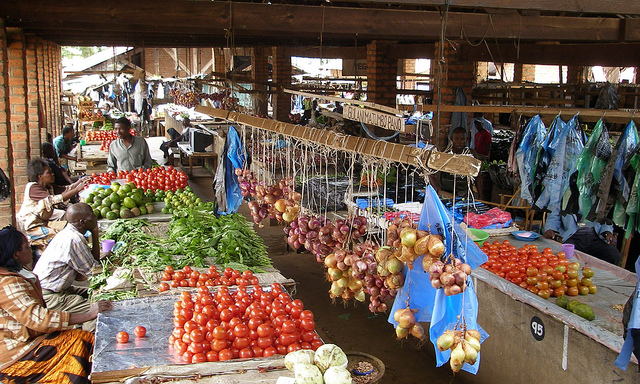
G20 agriculture ministers meet in Istanbul to discuss sustainable food systems
The following story by IFPRI Communications Specialist Rachel Kohn was originally published on the Food Security Portal. G20 Ministers of Agriculture met in Istanbul on 7-8 May 2015 for the first time since 2011 to address rising challenges concerning food security. World population is expected to reach nine billion by 2050. This will increase the challenge for global food security and […]
-
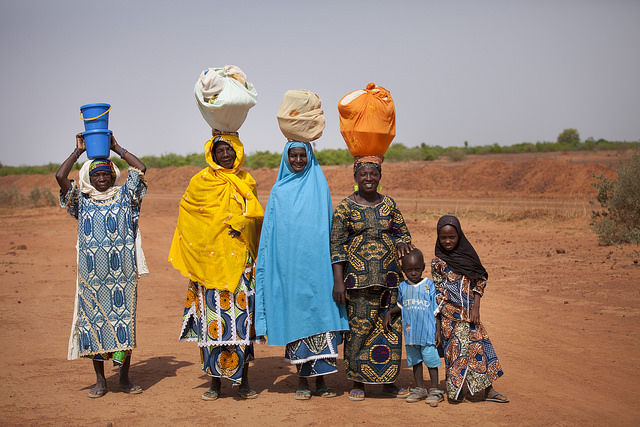
It is time
Sara Stevano shares findings from a recent systematic review, also presented at an IFPRI Policy Seminar on May 7, 2015.
-
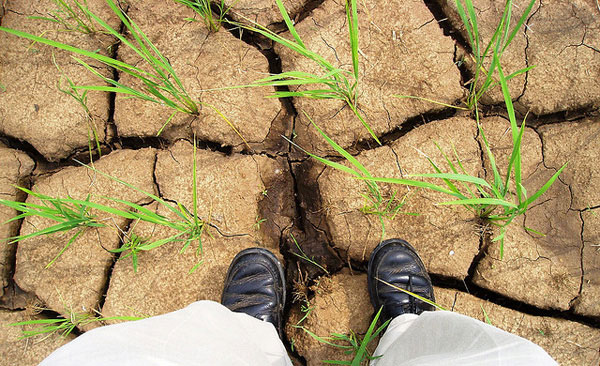
Tandem technologies and drought-risk management in Bangladesh
As climate change spurs increasingly unpredictable weather—such as droughts and floods—farmers find themselves on the defensive. Unpredictable weather wreaks havoc on both harvests and farmers, particularly smallholder farmers ill-equipped to absorb these weather-related shocks. Because of the inconsistent harvests due to such shocks, farmers are less likely to invest in productivity-enhancing technologies and often remain […]
-
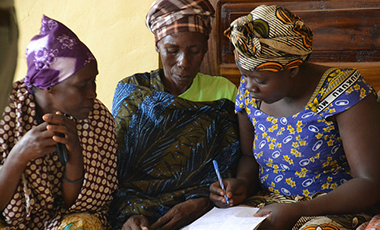
Filling the legal void?
Tanzania recently passed new legislation that provides a glowing example of legal commitment to improving women’s land rights. However, in this setting as elsewhere, local interpretation and implementation can water down a policy’s effectiveness. Customary law—common accepted practices in a community—often dominates. For example, a 2009 study by the Women’s Legal Aid Center finds limited […]
-
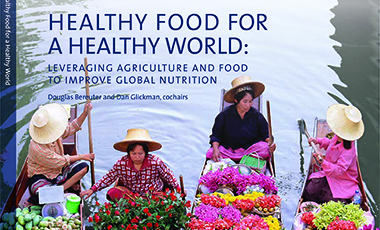
Nutrition takes center stage at recent Chicago Council Symposium event
Eat your vegetables. Wash your hands. Go to school. These simple instructions, which many of us hear repeatedly throughout childhood, are the basic building blocks of growing up healthy and prepared to reach one’s full potential. However, as Roger Thurow—a senior fellow at the Chicago Council on Global Affairs who spoke at the Council’s food […]
-
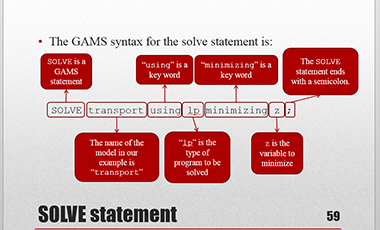
Unlocking the code to economic models
Economic models can be used to conduct research on a wide range of topics and help analyze policies pertaining to agricultural growth, poverty, climate change, and natural resource management, to name a few. Libraries of models are widely available at research institutions and via professional organizations but, without knowledge of the coding language used to […]
-
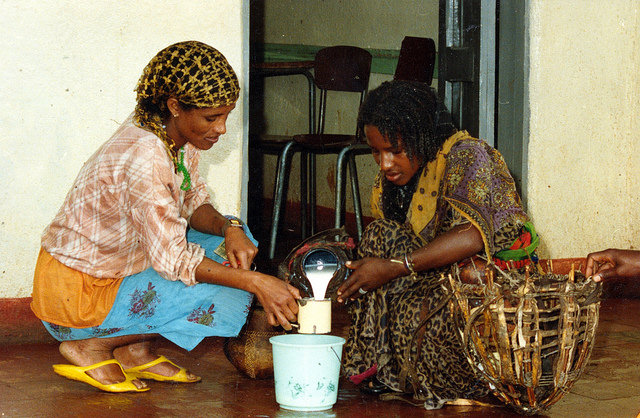
Why gender matters for food safety
The following is an excerpted version of a blog story originally published on the CGIARResearch Program on Agriculture for Nutrition and Health (A4NH) website. The story relates closely to this year’s theme for World Health Day, which highlights the importance of food safety across the global food system. Some of the foods that would most enhance nutrition in diets […]
-
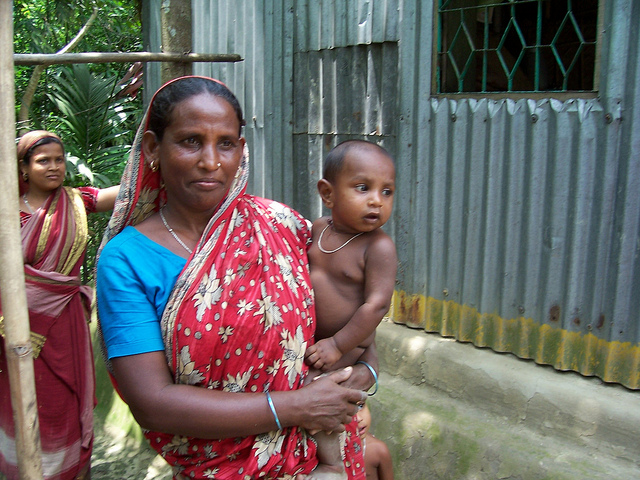
Green gains?
While gains in agricultural productivity and poverty reduction achieved during the Green Revolution have been widely recognized, little is known of how these shifts in practice and production impacted the nutritional status of individuals in these countries, particularly women and children. The mix of policies to promote inputs such as irrigation and fertilizers, in conjunction […]
-
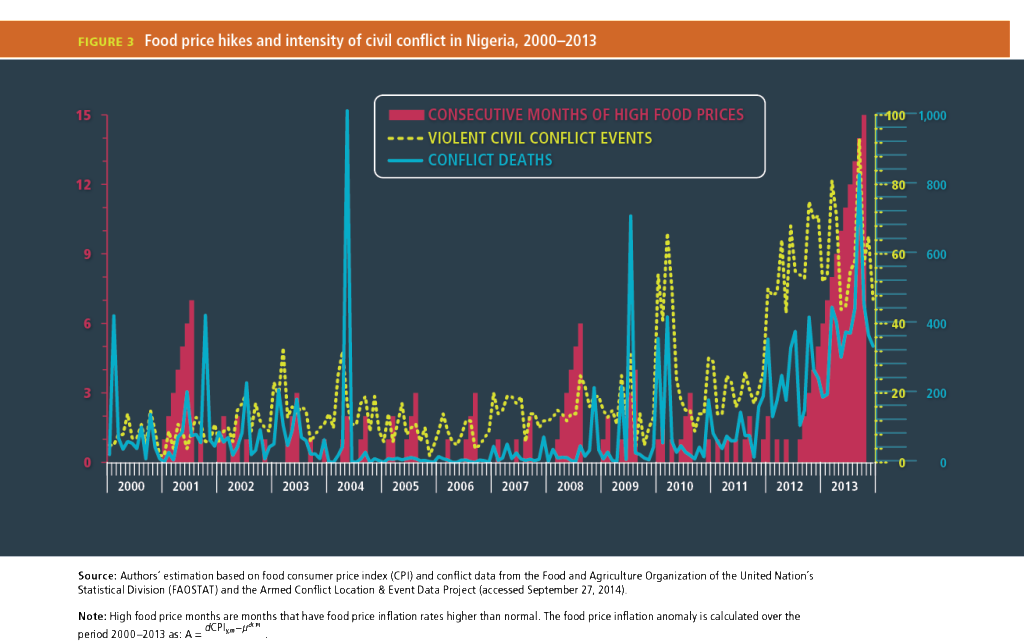
Do high food prices and droughts fuel conflict?
The following story by Jacopo Bordignon shares highlights from Chapter 7 of the 2014-2015 Global Food Policy Report, which was authored by Clemens Breisinger, Olivier Ecker, and Jean Francois Trinh Tan from IFPRI’s Development Strategy and Governance Division. The world has seen more and more conflicts in recent years, such as in Syria, Nigeria, and Yemen. What explains these conflicts […]
-
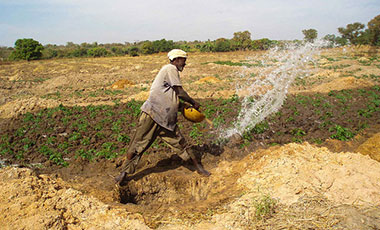
How can reliable water access contribute to nutrition security in Africa south of the Sahara?
The following blog story was written by Laia Domènech, visiting fellow in the Environment and Production Technology Division at IFPRI, in honor of World Water Day 2015. The theme of this year’s event on March 22 is “Water for Sustainable Development.” A set of 17 Sustainable Development Goals (SDGs) are expected to be adopted in September […]
-
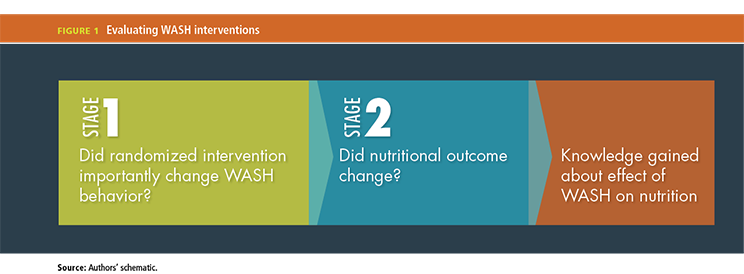
The power of WASH
The following post by IFPRI senior research fellow Lawrence Haddad shares highlights from Chapter 3 of the 2014-2015 Global Food Policy Report, which Haddad co-authored withDean Spears, Director of R.I.C.E. and visiting economist at the Centre for Development Economics, Delhi School of Economics, India. The post originally appeared on theDevelopment Horizons blog. This week saw the launch of IFPRI’s 2014-2015 Global Food […]
-
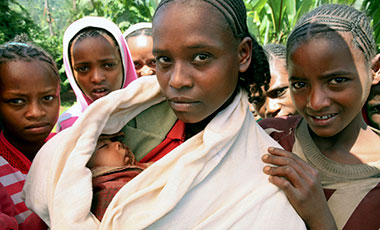
Women’s empowerment in agriculture
On March 8, IFPRI joins individuals and organizations around the world in celebrating International Women’s Day. The theme this year, “Empowering Women, Empowering Humanity: Picture It!” urges us to both celebrate connections between women and community empowerment and to envision new ways to advance the rights of women. This year, International Women’s Day marks 20 […]
-
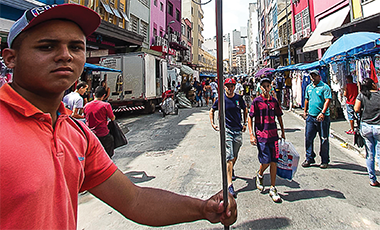
Where do the world’s hungriest people live? Not where you think
The following post by IFPRI Director General, Shenggen Fan, was originally published in the Huffington Post. If you were tasked to end hunger and malnutrition in the world, you might first ask: Where do such vulnerable people live? It may be a surprise that the majority of the world’s hungry and malnourished live in large […]
-

Leading, following, and innovating to feed a carbon-neutral world
Borrowing innovative ideas from research and other sectors, adjusting them, and scaling them up to meet the demand from developing country partners is essential if we are to make real progress toward creating a carbon-neutral world. Finding ways in which clean energy technology can be used to increase agricultural production without placing undue burdens on […]
-
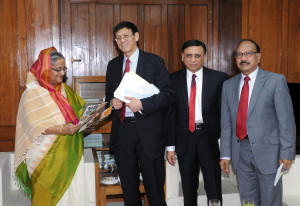
Bangladesh Prime Minister calls for research to support development
The following post by IFPRI Director General Shenggen Fan was originally published on his DG Corner blog. Bangladesh has made remarkable progress towards the Millennium Development Goals (MDG). During my visit this week with Prime Minister Sheikh Hasina together with Akhter Ahmed, leader of IFPRI’s Bangladesh Policy Research and Strategy Support Program (PRSSP), I applauded […]
-
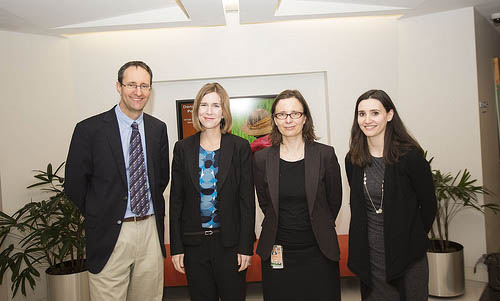
Integrating political economy analysis into food security research
Why are seemingly optimal investments and policies for reducing hunger and poverty so difficult to achieve in practice? Although scarce empirical research or insufficient technical capacity may be partially responsible, a lack of political incentives by those with the power to make decisions is often a key reason why it is so difficult to bridge […]
-
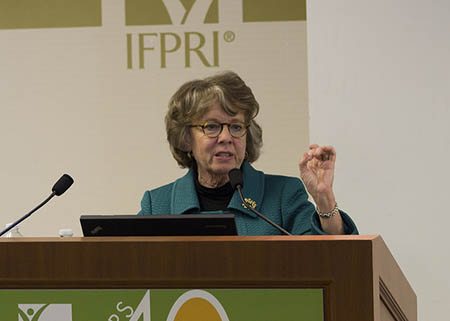
Recipes for success
Many challenges to economic growth—from poor nutrition to low farm yields—require not only tools and interventions, but individual behavior change. Unfortunately, there is often a disconnect between what is needed to change behaviors and where we are investing public resources to address a given problem. By promoting single, simple, doable behaviors, social marketers can help […]
-

Developing new strategies for nourishing the world
The following post by IFPRI Director General Shenggen Fan was originally published on the Huffington Post. This year’s World Economic Forum provided an opportunity for leaders from all sectors of global development to look at new tactics in global decision-making. For me and my organization–the International Food Policy Research Institute (IFPRI)–it provided a platform to […]
-
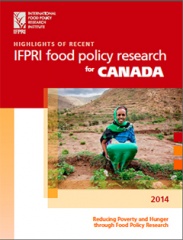
Canada: Championing food policy research
With support from Canada, IFPRI conducts innovative research in areas such as improving nutrition, providing access to agricultural data, and developing agricultural strategies at the national level. Canada has long championed food security, nutrition, and sustainable and productive agriculture. It was one of the first responders to spring into action in the wake of the 2008 food price […]
-
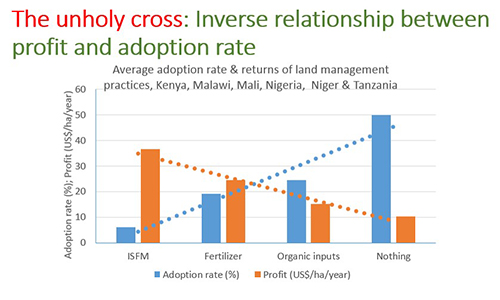
Finding a middle ground
Post by Ephraim Nkonya on incentivizing adoption of Integrated Soil Fertility Management.
-

Promoting healthy insect ecosystems in Cambodia to ensure agricultural sustainability
In order to feed a rapidly-growing population sustainably amid growing pressure from a changing climate, agricultural producers in Southeast Asia will need to build resilience by embracing landscape approaches and adopting climate-smart practices. Their success depends not only on the potential impact of ecosystem services, but also on willingness of farmers to adopt these practices. […]
-
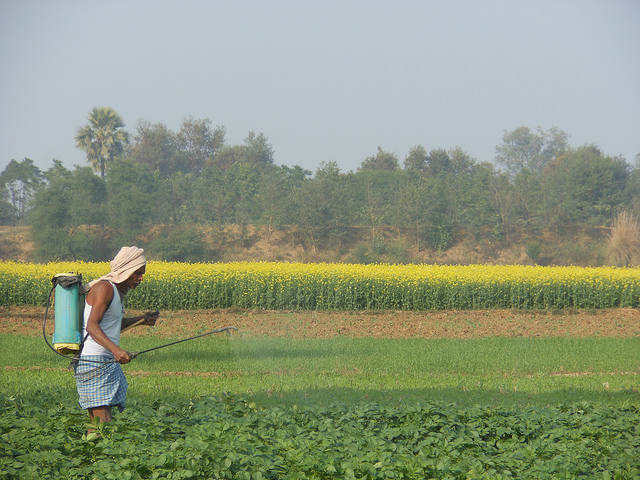
Partnership potential
The following story by IFPRI senior research assistant Vijay Nazareth was originally published on the IFPRI South Asia blog. Think of what might happen in India’s risk-prone eastern states, such as Bihar, Jharkhand, and Odisha, if the country’s leading companies saw opportunities to invest in agriculture. Think of how innovative, low-cost technologies for planting, input management, harvesting, and post-harvest loss protection might […]
-
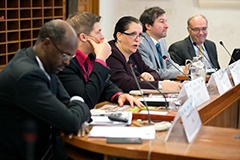
Building resilience to crises in the Arab world
The following blog story by IFPRI senior researcher Perrihan Al-Riffai and Nerina Muzurovic, Knowledge Management Officer at IFAD, was originally posted on the Arab Food Security Blog. In a well-attended side event titled “Building Resilience to Crises in the Arab World” at the 41st meeting of the Committee on World Food Security (CFS) in Rome, October 17th, 2014, IFPRI in collaboration with […]
-
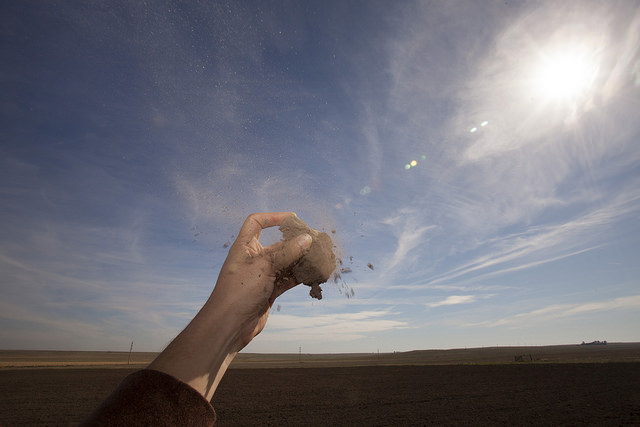
Healthy soils for healthy people
2015 marks the United Nations (UN) International Year of Soils. The Food and Agriculture Organization (FAO) of the UN says that, “One-third of all soils in the world are degraded and unless new approaches are adopted, globally, arable and productive land per person in 2050 will be one one-fourth of the level in 1960.” IFPRI researchers and their partners conduct […]
-
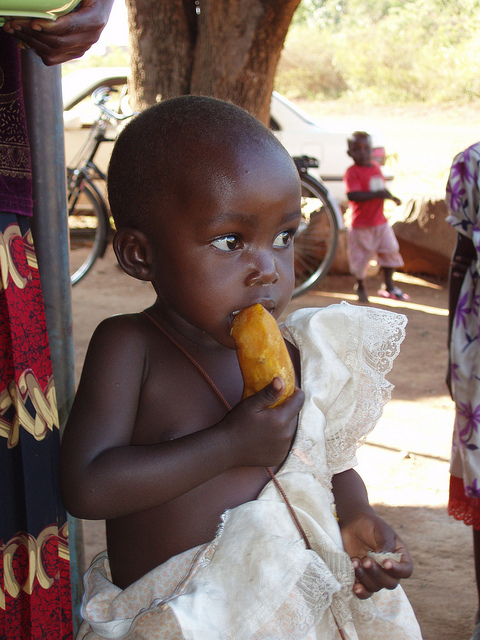
Highlights from 2014
Looking back at 2014, it is clear that nutrition became a central theme of IFPRI’s research. Here are a handful of highlights from our research on nutrition from the past year:
-
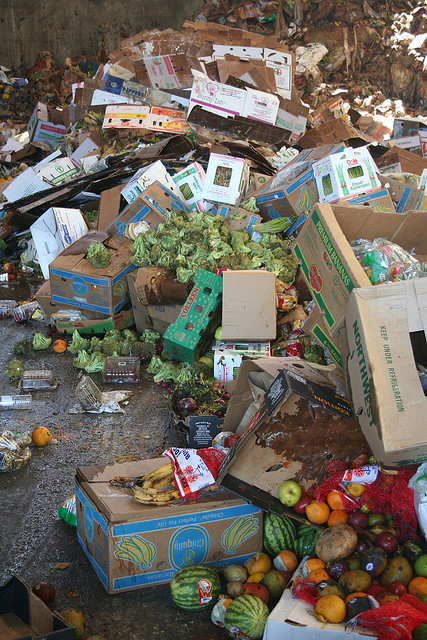
A New Year’s resolution to consider—cut food loss and waste
The following post by IFPRI Director General Shenggen Fan was originally published on his DG Corner blog. The holiday season is just over. In the past few weeks, numerous families around the globe filled their plates with holiday-themed food and consumed in merriment, but also discarded a lot of food. Many people are now thinking of New Year resolutions, such […]
-
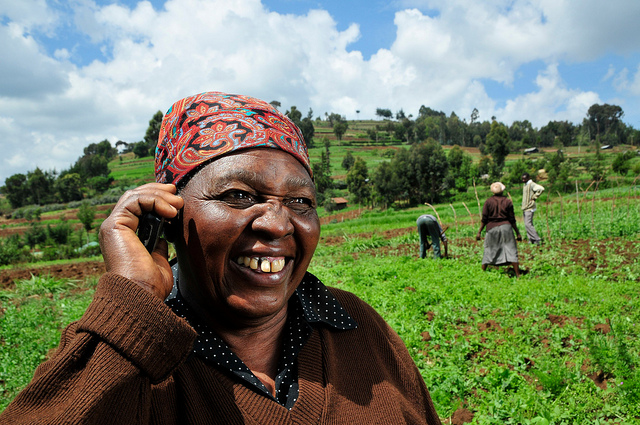
Remote data collection in the 21st Century
This blog story by Jeffrey Dickinson was originally posted on the HarvestChoice blog.Jawoo Koo and Cindy Cox from IFPRI’s Environment and Production Technology Division also contributed to this story. Traditional household surveys often take weeks or months to complete. Enumerators, workers whose job it is to go from village to village, meet with household members typically over one day or two and […]
-

Global values for global development
Klaus Leisinger is Founder and President of the Global Values Alliance, Special Adviser on the post-2015 Development and Business Ethics to the UN Global Compact and member of the Consortium Board of the Consultative Group for International Agricultural Research (CGIAR). The following blog is based on a longer Working Paper prepared for the UN Sustainable Development Solutions Network. The […]
-

Fueling the fire
Ideas can fuel economic development, which is why legal protection for these ideas—in the form of patents—is an essential building block of a healthy economy. China, once the manufacturing hub of the world, faces rising labor costs due to rising worker wages. As a result, demand for new technologies to replace these workers has skyrocketed. […]
-
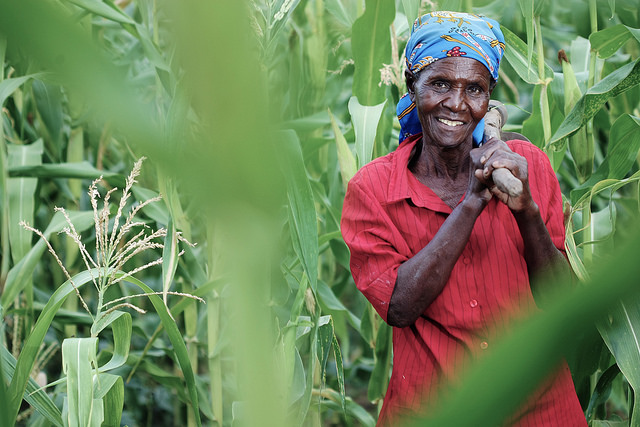
Mind the gap
Gender disparities are a pervasive challenge in many lines of work, including farming. Even as the Food and Agriculture Organization of the United Nations (FAO) was producing The State of Food and Agriculture 2010-11, evidence on the importance of closing the gender gap in agriculture was mounting. More recently, IFPRI and FAO partnered on Gender in Agriculture: […]
-
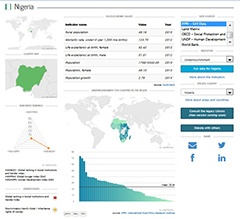
Explore and create with Open Data
For the past three years, the Global Hunger Index (GHI), a tool designed to comprehensively measure and track hunger by region and country, has been published as Linked Open Data (LOD). The GHI highlights successes and failures in hunger reduction and provides insights into the drivers of hunger, as well as food and nutrition insecurity. It does so […]
-
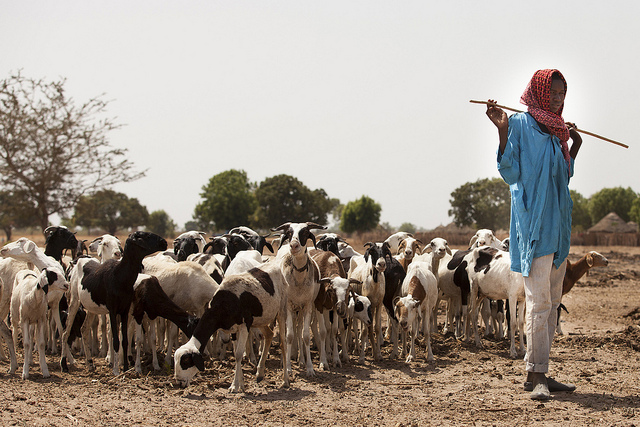
Risky business
In the drought-prone regions of East Africa and parts of South Asia, a lack of water can be the most damaging factor to a farmer’s bottom line. Agriculture is a particularly high-risk occupation in these regions, and climate shocks such as drought can make the job even more risky, engendering cycles of poverty. Moreover, the […]
-
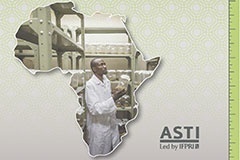
Doubling down on a good investment
As the world’s population continues to expand, ensuring that food production can meet the growing demand is an ever-mounting challenge. Climate change, soil degradation, and volatile food prices further threaten food security at a time when increasing agricultural output is paramount. In the report, Taking Stock of National Agricultural R&D Capacity in Africa South of the […]
-
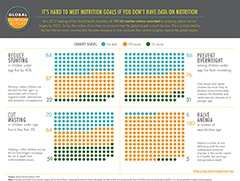
12 killer facts from the Global Nutrition Report
This blog story by IFPRI senior researcher Lawrence Haddad was originally posted on his Development Horizons blog. I have described the Global Nutrition Report as an evidence based treasure trove for influencing. You will have your own favorite stats, but here are some of mine:
-
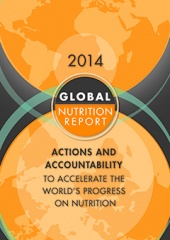
First-ever Global Nutrition Report calls for greater accountability and action for combatting global malnutrition
Malnutrition affects one in two people on the planet. 165 million children under the age of five suffer from stunting, while two billion people are deficient in one or more essential micronutrients, such as vitamin A, zinc, and iron. Meanwhile, 1.5 billion people are classified as overweight or obese. The costs of failing to address […]
-
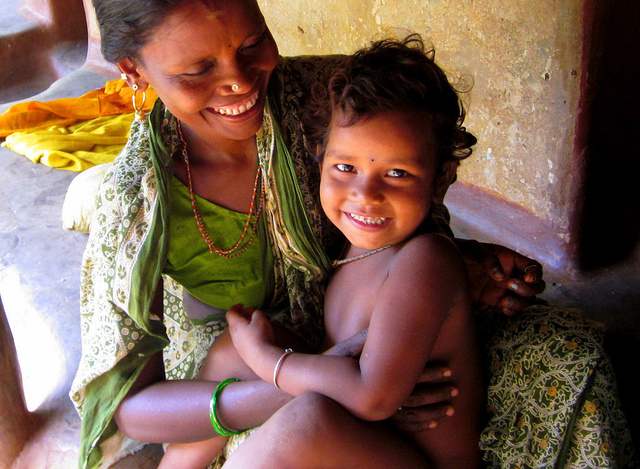
Think we can’t end global malnutrition by 2030? Think again
This blog story by IFPRI senior researcher Lawrence Haddad was originally posted on the Huffington Post. There is a public health crisis that is threatening the health and lives of men, women and children across our planet at an alarming rate, and the richest nations are affected as well as the poorest. And the sad truth is that many […]
-
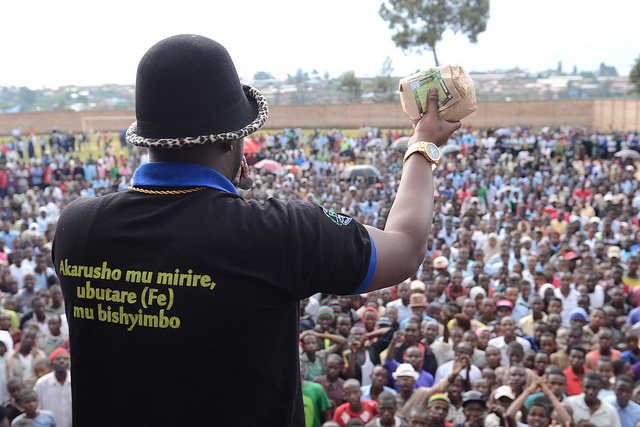
Raising their voices to improve nutrition in Rwanda
Nearly 40 percent of children in Rwanda do not consume enough iron, which can have long-term consequences, including lower learning capacities, resistance to disease, and diminished energy levels. However, a new biofortified bean variety containing 15 percent more iron than traditional beans is offering hope for addressing the problem. More than 700,000 Rwandan farmers have […]
-

Nutrient deficiencies: shining a light on hidden hunger
Vitamin A, iodine, iron, zinc and folate deficiencies affect billions of children. How can the quality of food be improved? This blog story by IFPRI Senior Research Fellow Lawrence Haddad and Luz Maria De-Regil, Director of Research and Evaluation at the Micronutrient Initiative, was originally posted on The Guardian’s Global Development Professionals Network. Vitamins and minerals needed by the body in very […]
-
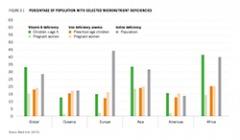
Hidden hunger, exposed
The following story by Brenna Fitzpatrick was originally published on the Food Tank blog. The 2014 Global Hunger Index (GHI) recently released by the International Food Policy Research Institute (IFPRI), Welthungerhilfe, and Concern Worldwide highlights the progress, shortcomings, and inequalities in the global fight against hunger. The report, released annually since 2006, documents hunger in 120 developing countries using three criteria: […]
-
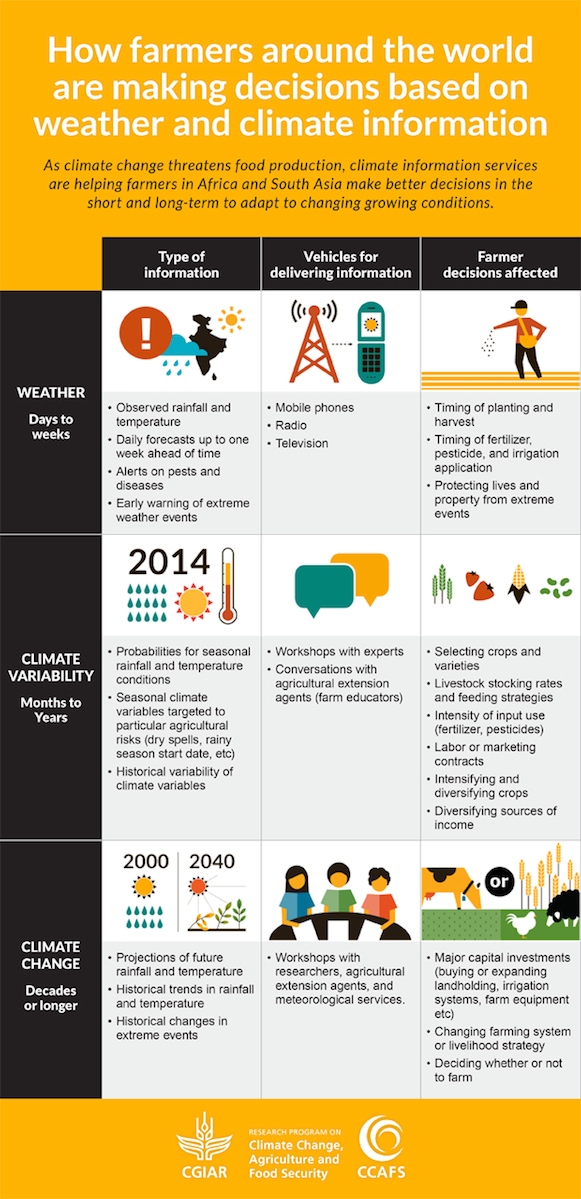
In a changing climate, information is power
The following story by Alexa Jay was originally posted on the CGIAR Research Program on Climate Change, Agriculture and Food Security (CCAFS) news blog. In a variable and changing climate, information may be the key to unlocking successful adaptation strategies. How can millions of farmers access climate information services that support adaptation to climate variability and change? […]
-
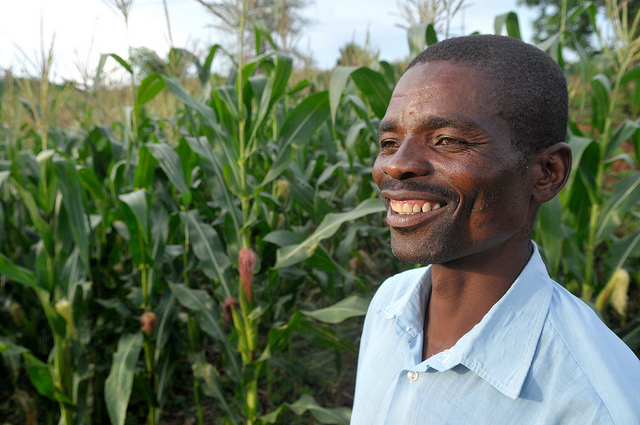
Malawi’s subsidy splurge
Africa south of the Sahara has been plagued by low agricultural productivity while at the same time fertilizer usage has remained stubbornly low in the region. In an attempt to boost output, African governments have taken to subsidizing productivity-enhancing inputs such as fertilizer. Once a mainstay during the 1970s and 80s, the austerity programs of […]
-
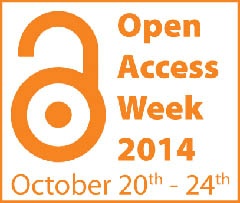
Open Access Week 2014
The following story by Luz Marina Alvaré, Head of Knowledge Management at IFPRI, highlights IFPRI’s commitment to Open Access as part of Open Access Week 2014 (October 20-26). IFPRI has been committed to the core principles of the Open Access movement since the time of the institute’s creation in 1975. All materials published by IFPRI are considered international public […]
-
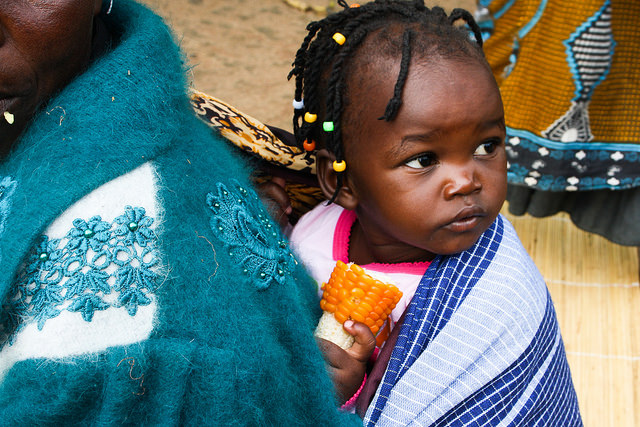
GHI 2014: Solutions to hidden hunger
The following piece by Amy Saltzman and Ekin Birol from HarvestPlus shares highlights from Chapter 3, “Addressing the Challenge of Hidden Hunger,” from the 2014 Global Hunger Index. Micronutrient deficiencies, or hidden hunger, afflict more than two billion individuals, or one in three people, globally. The effects can be devastating, leading to mental impairment, poor health and productivity, and even death. The […]
-
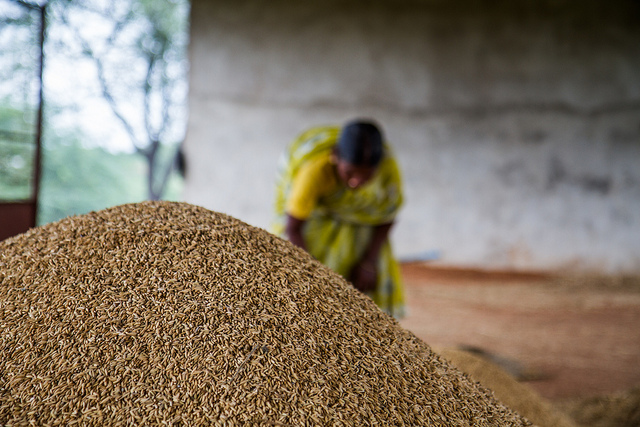
Costs of ignoring hunger
Ignoring hunger and malnutrition will have significant costs to any country’s development. Nutrition improvement has both intrinsic and instrumental value. The following story by S. Mahendra Dev, Director of the Indira Gandhi Institute of Development Research and IFPRI Board member, was originally published on the online version of The Hindu. One of the disappointments in the post-reform period in […]
-
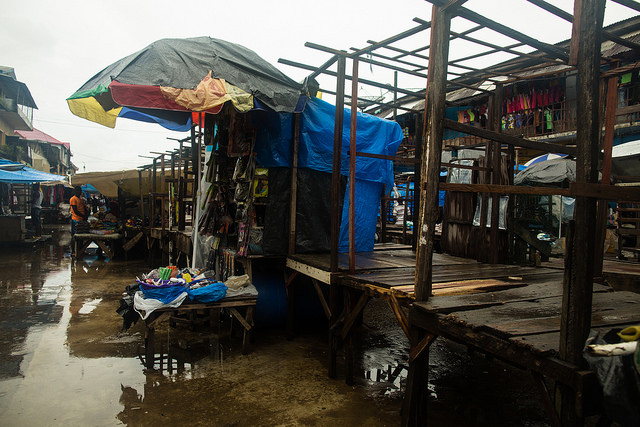
Preventing an Ebola-related food crisis
The following post by IFPRI Director General Shenggen Fan was originally published on his DG Corner blog. With deaths in the thousands and more cases reported each day, the Ebola epidemic has caused tremendous suffering, and will continue to do so for the foreseeable future. This is not just an immense health crisis—it also threatens agriculture and […]
-

Food security stocks and the potential collapse of the Bali Agreement
The following is an excerpted version of a blog story that was originally published on the Food Security Portal’s Food for Thought blog (updated on October 24, 2014). After several days of work, and the usual posturing and drama, members of the WTO closed the Ninth Ministerial Conference on December 7, 2013 with an agreement on the first […]
-
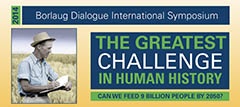
Celebrating a legacy, envisioning a food secure future
The image of a female smallholder farmer eking out a living on a postage stamp-sized parcel of degraded land with a baby on her back and barely enough to feed her family may belong in the history books, but more work is needed to get to that point. That’s one reason why farmers, scientists, economists, policymakers, […]
-
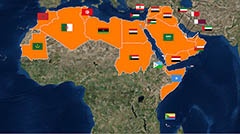
Going regional for food security
The following story by Nadim Khouri, Deputy Executive Secretary at the United Nations Economic and Social Commission for Western Asia (UN ESCWA), was originally published on the Arab Spatial Food Security Blog. Subsidiarity is the principle that allocates decision-making responsibilities to the individuals or entities that are primarily affected by these decisions. Decisions are only “bumped up” to […]
-
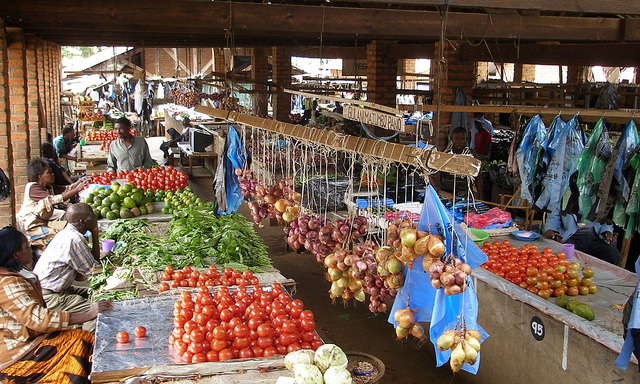
Food security brings economic growth — not the other way around
The following piece by IFPRI’s Maximo Torerois an excerpt of a story that was originally posted on the Devex Global Views blog in honor of World Food Day (October 16). On World Food Day, it’s time to remind ourselves that economic growth is only sustainable if all countries have food security. Without a country-owned and country-driven food security strategy, […]
-
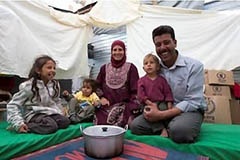
The fight against hunger cannot be won alone
The following story by Gerda Verburg, Committee on Food Security (CFS) Chair and Ambassador of the Netherlands to the UN’s Rome-based Agencies, was originally published on the Arab Spatial Food Security Blog. With 805 million people worldwide estimated to be chronically hungry in 2012-2014, food insecurity and malnutrition in the world remains everybody’s problem. Gathering stakeholders to […]
-
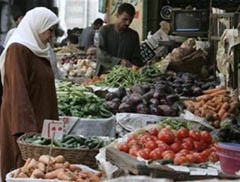
Overcoming the triple burden of malnutrition in the MENA region
The following story by IFPRI Director General Shenggen Fan was originally published on the Arab Spatial Food Security Blog. The triple burden of malnutrition—the coexistence of food insecurity, undernutrition, and overweight and obesity—is a growing challenge in the Middle East and North Africa (MENA). As recent IFPRI research shows, food insecurity is the key driver of conflicts in the region. Tackling the […]
-
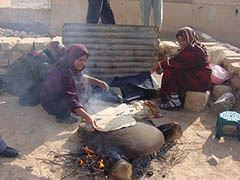
Finding a road to stability in the Arab region
The following story by Mahmoud Solh, Director General of the International Center for Agricultural Research in the Dry Areas (ICARDA), was originally published on the Arab Spatial Food Security Blog. The string of upheavals in the Arab region in the past three years has been a culmination of several factors, but it’s hard to ignore some hard-hitting facts […]
-
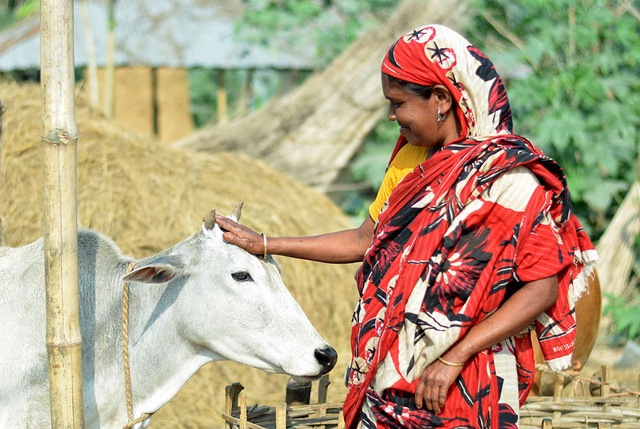
UN International Day of Rural Women
We know more and more about what our planet faces as climate change intensifies and greenhouse gas emissions lead us on a probably irreversible path of global warming and uncertain rainfall patterns, at least for the next four decades. As policymakers prepare for another round of climate change negotiations in December in Lima, Peru, they are no longer […]
-
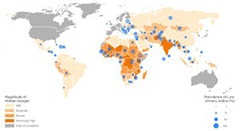
Resources supporting a world free from hidden hunger
The following post by Sight and Life Director Klaus Kraemer was originally published on the Global Nutrition Report website. As we approach World Food Day, we must not overlook a hunger that does not always respond to just the provision of food — hidden hunger. Recognizing the critical importance of the issue, the annual Global Hunger Index (GHI), produced by […]
-
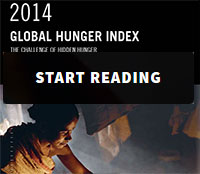
GHI 2014: Hunger in the shadows of the Millennium Development Goals
Hunger remains a persistent global challenge as the 2015 deadline for the achievement of the United Nations Millennium Development Goals (MDGs) draws near. According to the Food and Agriculture Organization of the United Nations (FAO), despite significant inroads made in the fight against hunger and malnutrition since 1990, 805 million people are still going hungry. […]
-
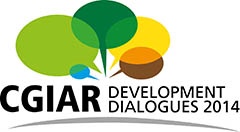
Smallholder agriculture: “It’s a cool business!”
The following post is a modified version of a story that originally appeared on the CGIAR Research Program on Policies, Institutions, and Markets (PIM) website. Today nearly 450 million farmers work on less than 2 hectares of land. Collectively, these farmers and their families comprise about half the world’s undernourished people and more than half […]
-
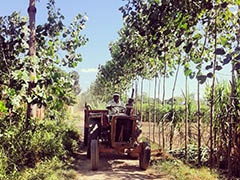
Moving family farms from subsistence to prosperity
The following post by IFPRI Director General Shenggen Fan was originally published on the World Food Day Network as part of their “Perspectives” series of essays on this year’s theme of family farming. This series is curated by the Food and Agriculture Organization of the United Nations (FAO) Liaison Office for North America. Most smallholder farms are family-based and are a […]
-

Getting to green
Can you eat policy? Obviously not, but without innovations in policy—together with technological innovations in food production, information, and communication that weren’t even dreamed of just a generation ago—there will not be enough nutritious food to feed the world’s growing population. Last week in Washington, the director generals of the International Rice Research Center (IRRI) and IFPRI, […]
-
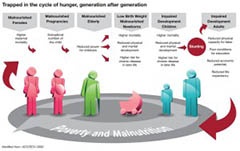
Digging deeper—hunger, undernutrition, and poverty linkages
The following post by IFPRI Director General Shenggen Fan was originally published on his DG Corner blog. Hunger and undernutrition are said to be causes of poverty, and these concepts are often discussed together. However, the relationship between hunger, undernutrition, and poverty is often not fully understood. Prevailing thinking considers extreme poverty to be the root cause of hunger and undernutrition, […]
-
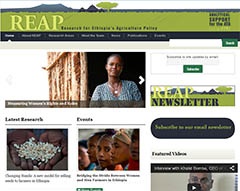
New resource launched to showcase IFPRI’s commitment to Ethiopia
Did you know that IFPRI has worked in Ethiopia for over 30 years? The partnership dates back to the 1980s, where IFPRI’s research originally focused on “famine and food insecurity.” More than thirty years and nearly 350 publications later, IFPRI has a country office in Addis Ababa, a program— Ethiopia Strategy Support Program (ESSP)—that collaborates with the Ethiopian Development Research Institute and […]
-
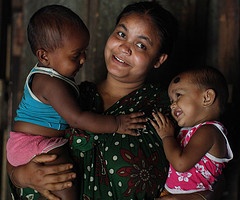
My Day on the Hill: IFPRI’s John Hoddinott on the surprises and dynamics of a Capitol Hill briefing
It’s not every day you see your words and research findings on a flyer sent to members of Congress. That’s exactly what happened to IFPRI researcher John Hoddinott a few weeks ago. The flyer, prepared by the anti-hunger organization Bread for the World, was distributed in advance of a briefing on Capitol Hill to highlight a new US Agency for International […]
-
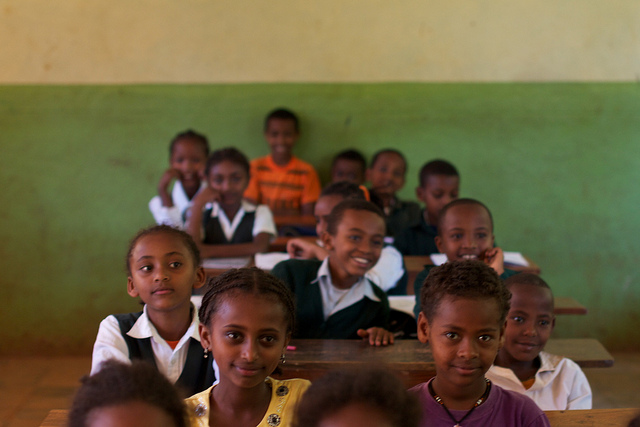
The future in mind
The following story was originally published on IFPRI’s Food Security Portal. A person’s aspirations, or goals and targets for their future, can be a driving force in their life, providing motivation and guiding their choices. But when forming aspirations, all people dismiss some options for their future lives, and fail to even imagine other options or opportunities. […]
-
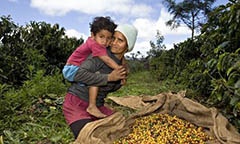
Gender equality
This blog story by IFPRI senior researcher Lawrence Haddad was originally posted on The Guardian’s Global Development Professionals Network. We have long known that empowered women are more able to take decisions that benefit them and their children. More empowered people have the control to make decisions about their own freedom of movement and how to allocate resources, as well as […]
-

A road trip without a map
The following story, by IFPRI Research Fellow Timothy Thomas, was originally published by the Huffington Post. Before the age of the GPS, people relied on paper roadmaps when journeying to places they had never been before. It wasn’t always easy to find an accurate map, and not everyone was gifted at map readings, so trips often had many wrong […]
-
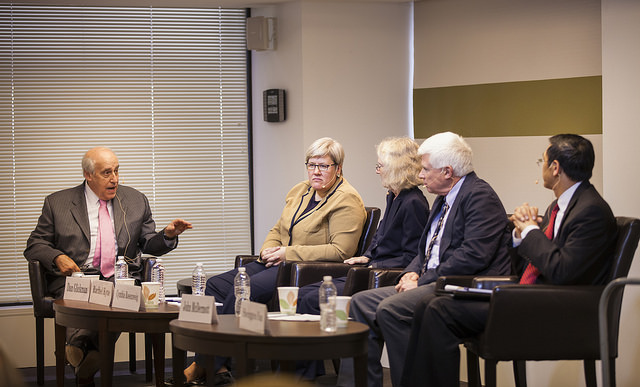
Resilience now
In less than two weeks, heads of state from around the world will gather in New York for the UN Climate Change Summit. As a mounting body of evidence—including clear examples from Bangladesh and Fiji—makes clear, climate change is putting global food security at risk. How can these leaders make real progress in helping build a […]
-
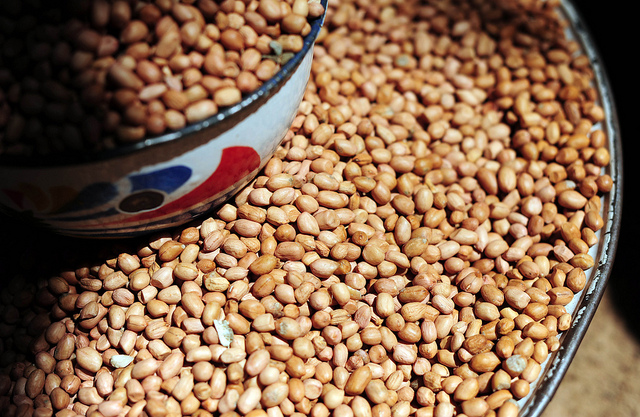
Ghana’s groundnuts
Fungus-contaminated maize and groundnuts have been identified as the culprit for more than 40 percent of the disease burden in developing countries. Serious health concerns such as hepatitis and liver cancer have been linked to chronic exposure to aflatoxins, which are carcinogens produced by the fungus Aspergillus flavus. Beyond the associated health risks, the contaminated […]
-
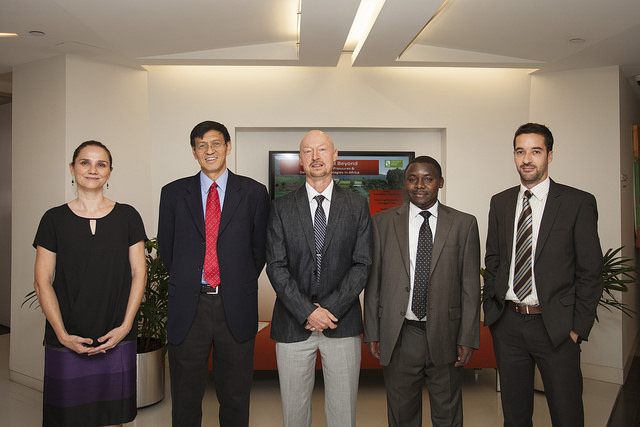
Producing more with less?
Africa south of the Sahara is the only region in the world where rural populations are expected to continue to grow rapidly, with an estimated 48 percent increase in rural population density in the next 35 years. At the same time, smallholder farm sizes are shrinking and rural incomes are declining, posing significant development challenges […]
-
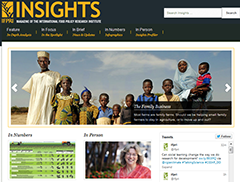
August 2014 Insights Magazine
This edition of Insights, IFPRI’s print and online magazine, is available. The August 2014 issue—coming in the midst of the UN’s International Year of Family Farming—looks at the challenging future of family and smallholder farming in developing countries. Other IFPRI research highlighted in the issue includes an analysis of the economic impacts of fertilizer subsidies and new studies on the “double […]
-
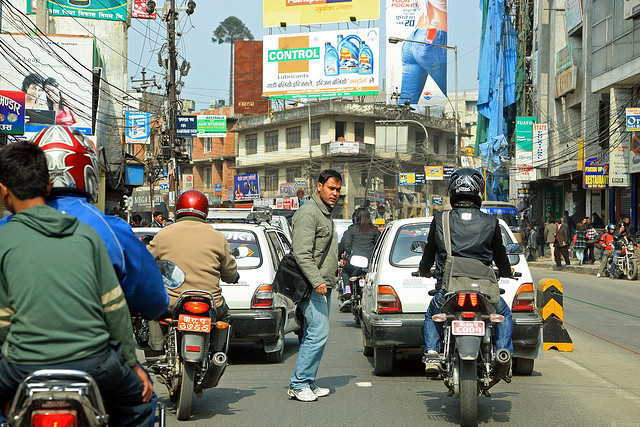
Moving into poverty?
As the impacts of climate change, environmental degradation, and conflict continue to grow and intensify, so too will migration. However, what impact this increasing scale of migration has on the workforce in host communities is largely unknown. In their discussion paper, Environmental Migration and Labor Markets in Nepal, IFPRI researcher Valerie Mueller, former IFPRI researcher Jean-François Maystadt, and Ashwini Sebastian of […]
-
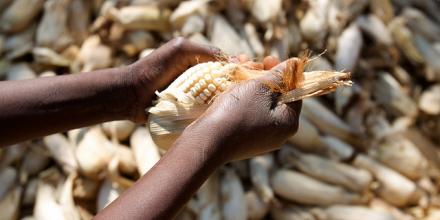
Good economics and the right thing to do: how to eliminate hunger and malnutrition
The following story, by IFPRI Director General Shenggen Fan, was originally published on the Development Policy Centre’s blog. The piece is based on Shenggen’s keynote address at the Crawford Fund’s Annual Parliamentary Conference on Ethics, Efficiency and Food Security. Hunger and malnutrition are big global challenges that confront humanity. Nearly 850 million people across the globe are hungry. […]
-
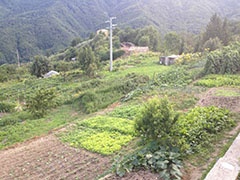
Climate-smart agriculture: scientists show agricultural progress in responding to climate change
The following story was originally published on the BioMed Central blog. The piece highlights research findings from a recent Open Access article that was coauthored by IFPRI senior research fellow Siwa Msangi. Climate change is already putting food security at risk. Rising temperatures and extreme events, such as sudden droughts and floods, mean that it will be even harder to […]
-
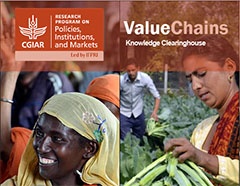
New online resource highlights tools for value chain analysis
Ensuring that small-scale farmers and producers enjoy a bigger piece of the financial pie is the aim of a new web resource on agricultural development. The Value Chains Knowledge Clearinghouse, led by the CGIAR Research Program on Policies, Institutions, and Markets, is based on the concept of Value Chains Development (VCD). The approach seeks to build new […]
-
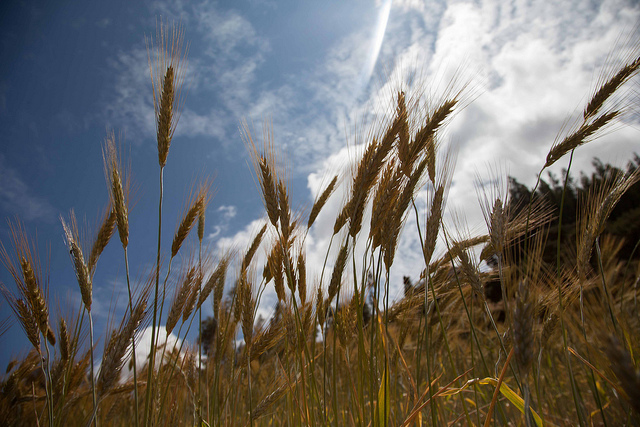
Mapping crops to improve food security
The following article was jointly written byIFPRI researchers Weston Anderson and Liangzhi You from the Environmental and Production Technologies Division (EPTD) and Evgeniya Anisimova, communications specialist for the CGIAR Research Program on Policies, Institutions, and Markets (PIM). It originally appeared on PIM’s blog. In the era of big data, unmanned drones, and satellite remote sensing, our knowledge of crop growing locations remains surprisingly limited. We have even […]
-
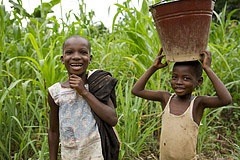
Dollars and sense
At the L’Aquila G-8 summit in 2009, governments and organizations committed more than $20 billion to agriculture and rural development as a means of promoting food and nutrition security. Within the overarching frameworks of the L’Aquila Food Security Initiative (AFSI), the Paris Declaration on Aid Effectiveness, and the Accra Agenda for Action, Ghana also committed to […]
-

Leaving their mark on agricultural economics
Why are most of the world’s poorest people located in tropical countries? When historical climate data became widely available in the late 1990s, IFPRI senior research fellow Margaret McMillan and coauthor William Masters of Tufts University were among the first to use it for the study of economic development. Their groundbreaking article, published in theJournal of Economic Growth (2001), recently won the 2014 […]
-
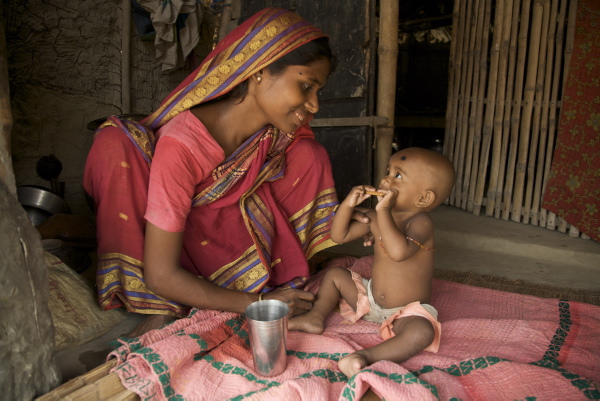
Mysterious success
As a country’s income level rises, undernutrition rates are expected to fall. However, for years, the mystery of South Asia’s rising income levels existing concurrently with stubbornly high levels of child undernutrition has stumped researchers. Varying theories have flagged lack of proper sanitation, genetics, poor diets and food systems, and ineffective nutrition programming as culprits […]
-
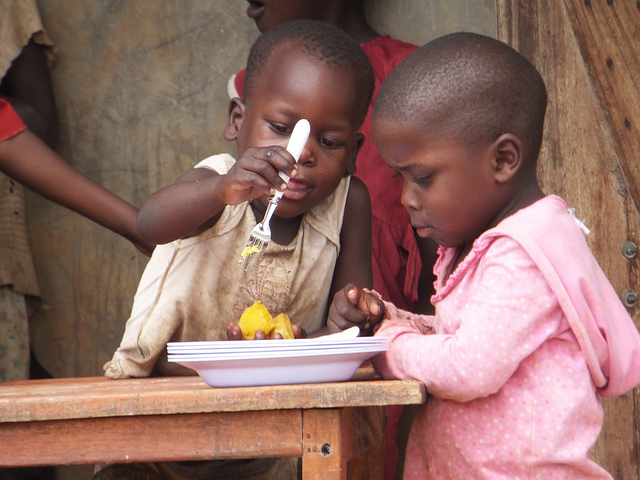
The case for improving global nutrition
The following story includes excerpts from two recent pieces drafted by IFPRI researchers as part of the Feeding Development campaign hosted by Devex. Why nutrition-smart agriculture mattersBy Howarth Bouis, Director of HarvestPlus The focus of agricultural policy should be to increase productivity, provide employment and reduce poverty. How often have you read or heard statements like this? I am an economist, and […]
-
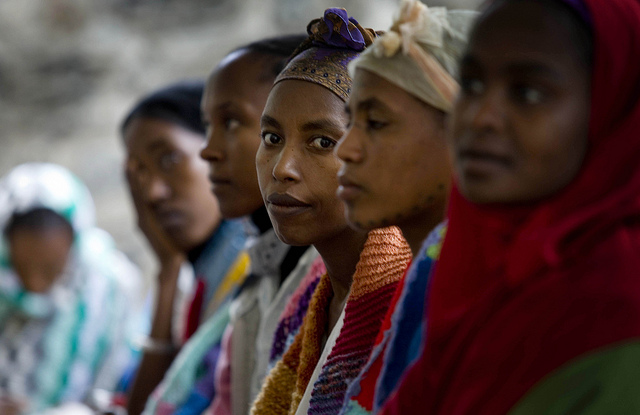
Bridging the divide between women and men farmers in Ethiopia
The following article was jointly written by Sarah McMullan from IFPRI’s Markets, Trade, and Institutions Division and Caitlin Kieran from the CGIAR Research Program on Policies, Institutions, and Markets. Women make up about half of the labor force in Ethiopia. While their contributions are plentiful, women and girls face discrimination when accessing —and making decisions regarding— education, agricultural information and inputs, land, and other assets […]
-
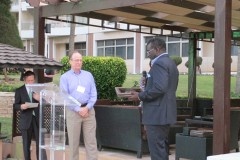
Global Trade Analysis Project (GTAP) Conference focuses on growth, trade in Africa
The following is a slightly modified version of a story that was originally published on IFPRI’s Food Security Portal. The last ten years have witnessed incredible economic and agricultural growth in Africa. Between 2000 and 2010, the continent was home to six of the ten fastest-growing economies in the world. However, can this growth continue in a sustainable, […]
-
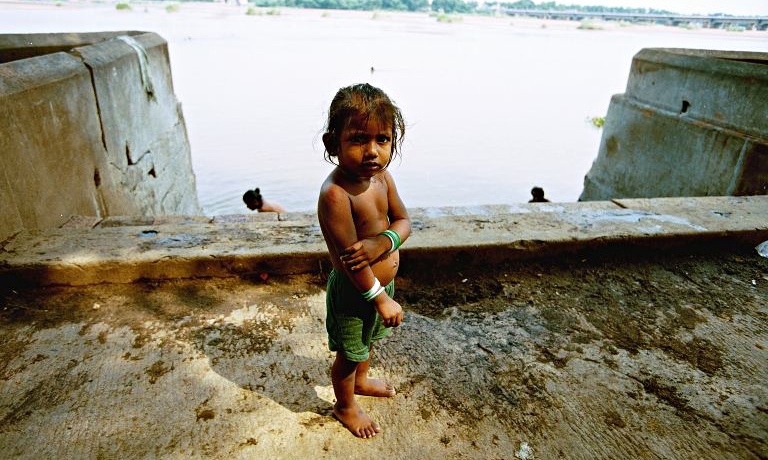
What do toilets have to do with nutrition? More than you might think
This blog story by IFPRI senior researcher Lawrence Haddad was originally posted on The Guardian’s Global Development Professionals Network. Approximately 160 million children under the age of 5 are stunted. This means they are failing to grow well and lack of height can be a marker of a whole range of developmental setbacks including cognitive impairment. The 2013 Lancet series on maternal […]
-
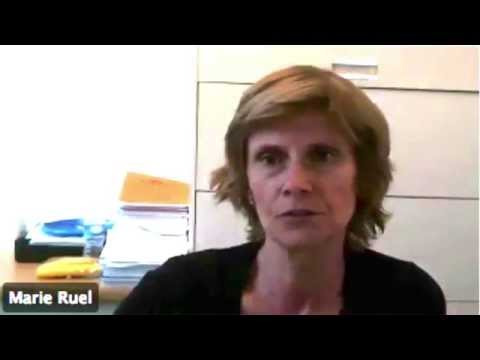
Micronutrients and improving nutrition through food systems
In a recent interview with the Global Donor Platform for Rural Development, IFPRI’s Marie Ruel offers highlights from her presentation at last month’s Micronutrient Forum Global Conference in Addis, Ethiopia and speaks candidly with interviewer Pascal Corbé about the current state of research and knowledge around food-based approaches to improving nutrition in the developing world. The first step any country […]
-
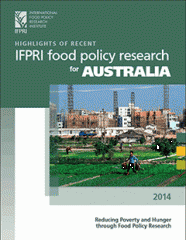
Australia: Championing food policy research
With support from Australia, IFPRI conducts innovative research in areas such as agricultural markets, climate change, and tools and scenarios to improve food security. Agriculture and rural development play a critical role in alleviating poverty and undernutrition. The Australian Department of Foreign Affairs and Trade (DFAT) has focused its efforts on three pillars of food security: improving […]
-
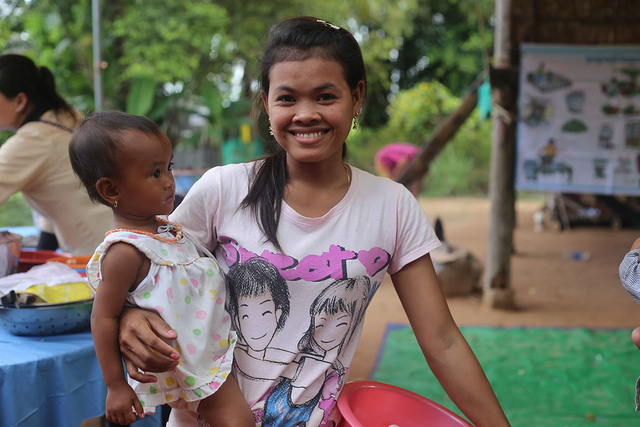
Canada commits $20 million for childhood undernutrition prevention project
Research has shown that children who receive adequate nutrition, particularly during their mother’s pregnancy until they are two years old—referred to by experts as the “1,000 days window of opportunity”—are less likely to die or be made ill by diseases such as diarrhea, malaria, pneumonia, measles, and HIV. Yet almost half of all children in the […]
-
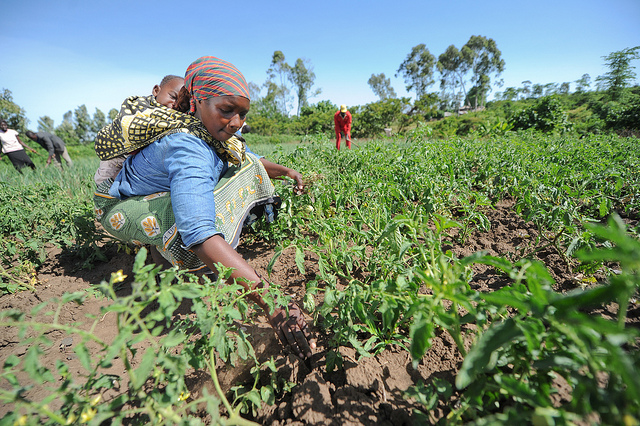
New research partnership answers White House call for climate data to support food security
In response to a call to action from the White House, the International Life Sciences Institute (ILSI) Research Foundation’s Center for Integrated Modeling of Sustainable Agriculture and Nutrition Security (CIMSANS) has announced a new partnership to analyze how food systems can help achieve sustainable nutrition security. The partnership between CIMSANS, the Agricultural Model Intercomparison and Improvement Project (AgMIP), and […]
-
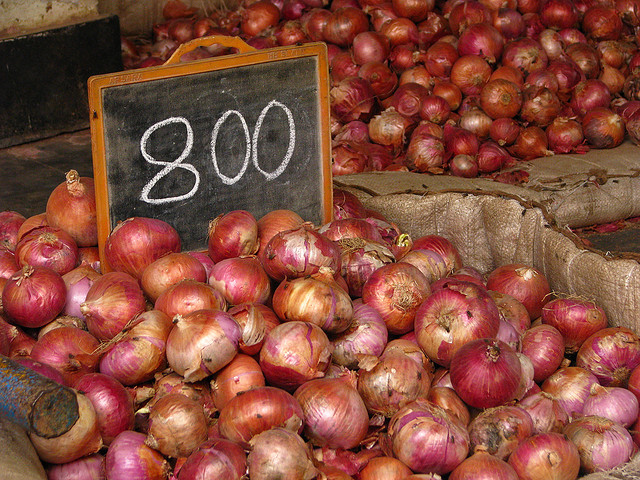
Monsoon Fears Driving Food Inflation in India
The following story was originally published on IFPRI’s Food Security Portal. India’s monsoon season is off to its weakest start in five years, sparking fears over the potential for drought and increased food prices throughout the country. During the first half of June, cumulative rainfall for India as a whole was 45 percent below average, according to […]
-
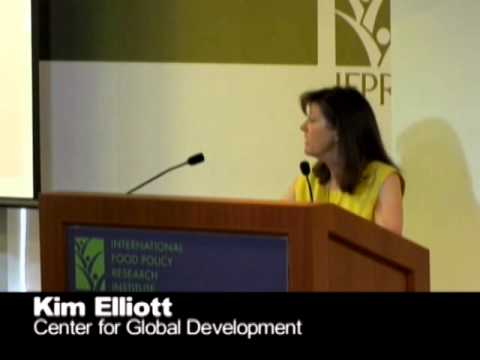
Can the US Farm Bill and EU Common Agricultural Policy address 21st century global food security?
With the recent passage of both the Common Agricultural Policy (CAP) in the European Union and the Farm Bill in the United States, the EU and US are headed down “divergent paths” in the way their agricultural policies support their own farmers. Nevertheless, both policies feature large public expenditures towards farm subsidies. What type of […]
-
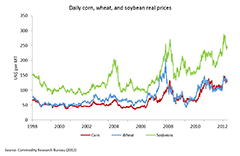
Is volatility contagious?
Food price volatility can present problems for an array of stakeholders, including countries managing their export portfolios, commodity traders, and especially farmers, as unpredictable prices may result in variable income and food insecurity. Unstable food prices in 2007, 2008, 2010, and 2011 attracted the attention of policymakers and researchers hoping to explain the seemingly precarious market. […]
-
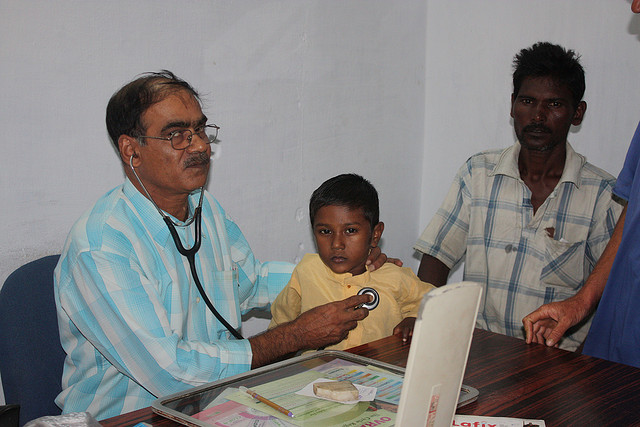
Standards of care
The following story was originally published on IFPRI’s Food Security Portal. Quality healthcare plays a crucial role in improving the lives of the poor. In many developing countries, however, high-quality healthcare can be hard to come by. This is particularly true in India, where public sector medical care is often plagued with high rates of absenteeism and where […]
-
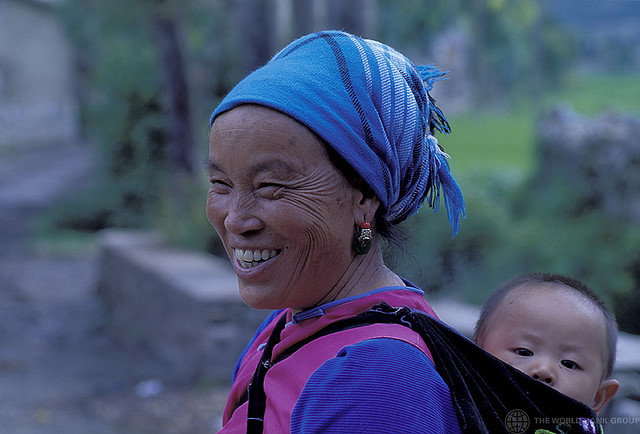
Generation gap
Though the effects of famine can extend beyond a single generation, researchers have found that by and large, humans are surprisingly resilient in the face of such extreme nutrition shocks. While recent initiatives such as the 1,000 Days partnership and the Lancet Maternal and Childhood Nutrition series have highlighted the importance of early childhood nutrition in the context of both […]
-
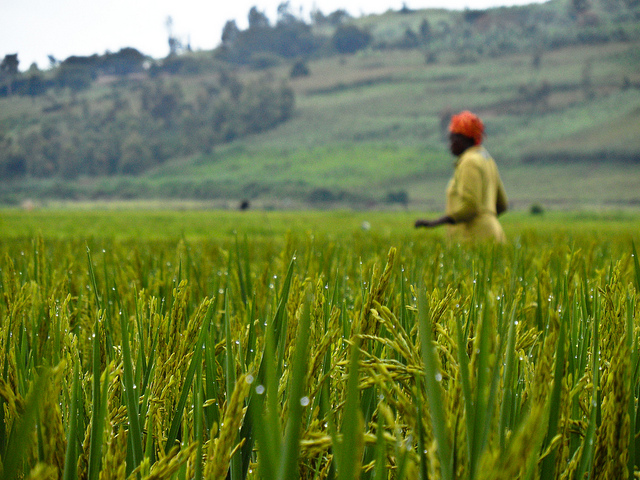
People first: green goals should not override ending hunger
This blog story by IFPRI Director General Shenggen Fan was originally posted on The Guardian’s Global Development Professionals Network. With the deadline for achieving the millennium development goals less than two years away, international attention is shifting toward forming sustainable development goals for the post-2015 agenda. As we move forward, we must not pursue environmental sustainability at the expense of poor people’s food security and […]
-
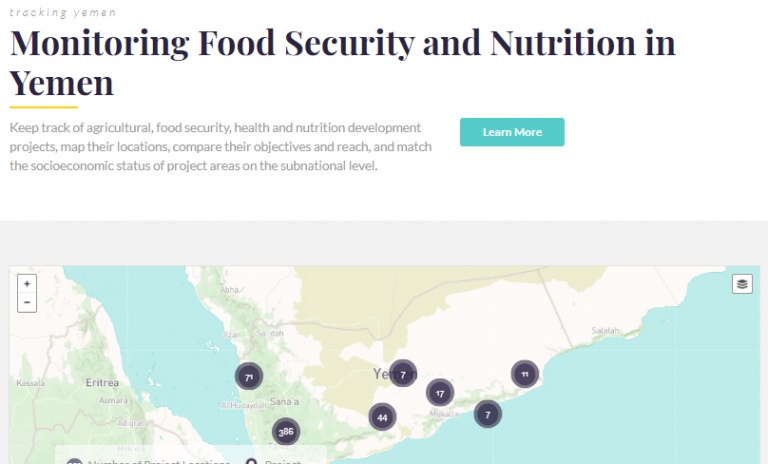
Introducing Yemen Spatial
Yemen ranks among the ten most food-insecure countries globally and has child malnutrition rates of nearly sixty percent, the highest in the Arab World. These two figures underscore the country’s future social and economic development challenges. Yemen Spatial, an online food security mapping and charting tool, was launched was launched last week in Sana’a at […]
-
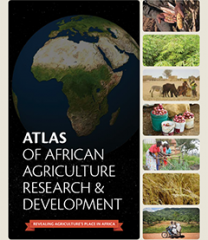
Mapping ways to help African agriculture
Although Africa possesses nearly half of the world’s uncultivated arable land area, the prospect of expanding agricultural production into these zones carries significant environmental risks and is not viewed by many experts as a viable solution to the region’s myriad food security challenges. Rather, increasing agricultural productivity on areas already in production- otherwise known as […]
-
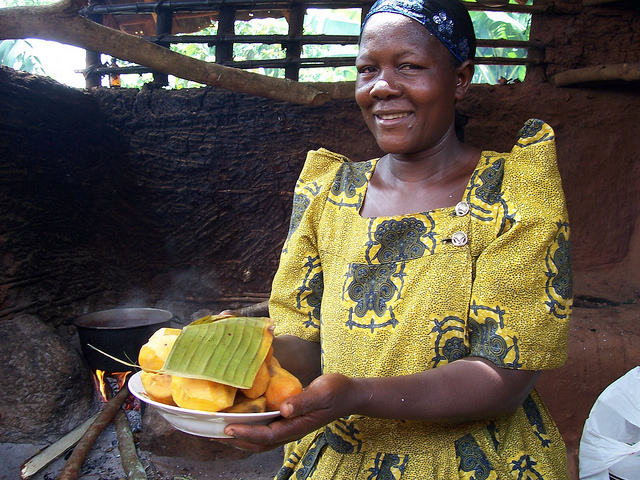
Women hold the key to better nutrition through biofortification
Vitamin A deficiency is a widespread public health concern, particularly for children in the developing world. A lack of vitamin A in the diet can lead to stunted physical and mental development, heighten susceptibility to disease, and even result in blindness and death. In recent years, researchers have turned to biofortification—breeding higher levels of essential […]
-
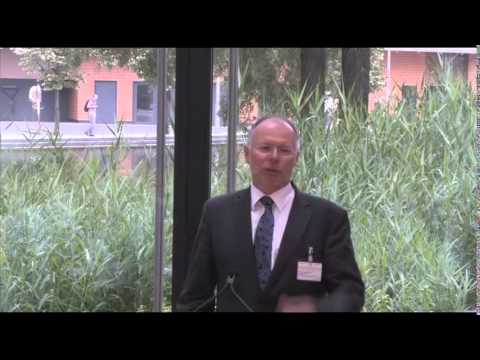
A world without hunger
At the recent Berlin launch of IFPRI’s Global Food Policy Report, IFPRI Director General Shenggen Fan said eradicating hunger by 2025 is an important ethical and economic goal—and one that can be achieved. Five expert panelists and more than 100 attendees gathered at the Berlin Representation of the German development organization GIZ to discuss concrete actions to move the world […]
-

Beyond 1000 Days
The following story was originally published on the CGIAR Research Program on Agriculture for Nutrition and Health (A4NH) blog. The world has rallied around the importance of good nutrition in a child’s first 1000 days – from conception to two years—to set up a lifetime of good health. With momentum from global movements such as 1000 Days and Scaling […]
-
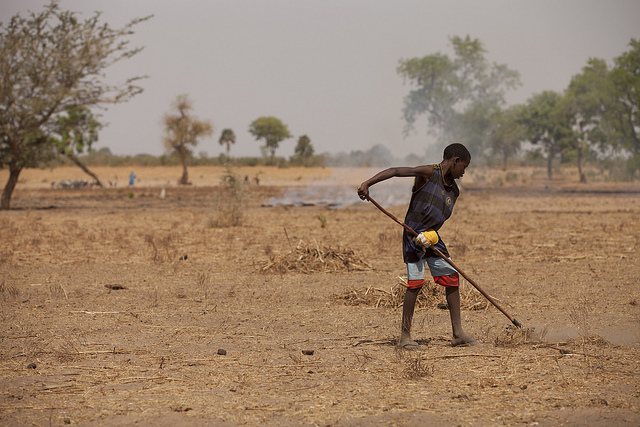
‘Let’s climate proof it’
As the impacts of our changing climate materialize and intensify, developing countries—and poor people who inhabit them—will be impacted first and to the greatest degree. Land degradation, desertification, and a dwindling global water supply pose substantial threats to livelihoods as well as food and national security. Today, the United Nations (UN) celebrates its annual World Day to […]
-
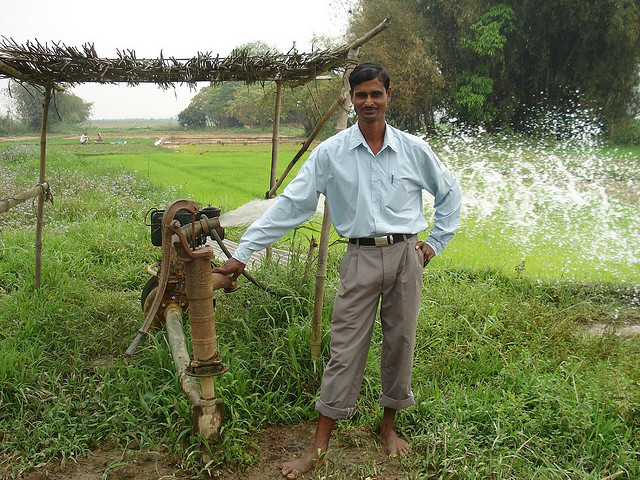
When wells fail: Farmers’ response to groundwater depletion in India
The following post by Avinash Kishore, Associate Research Fellow at IFPRI , is an excerpted version of a story that originally appeared on the CGIAR Research Program on Water, Land and Ecosystems (WLE) Agriculture and Ecosystems Blog as part of their month-long series on Resilience. Groundwater is the mainstay of irrigated agriculture in India. Hundreds of millions of smallholders depend on […]
-
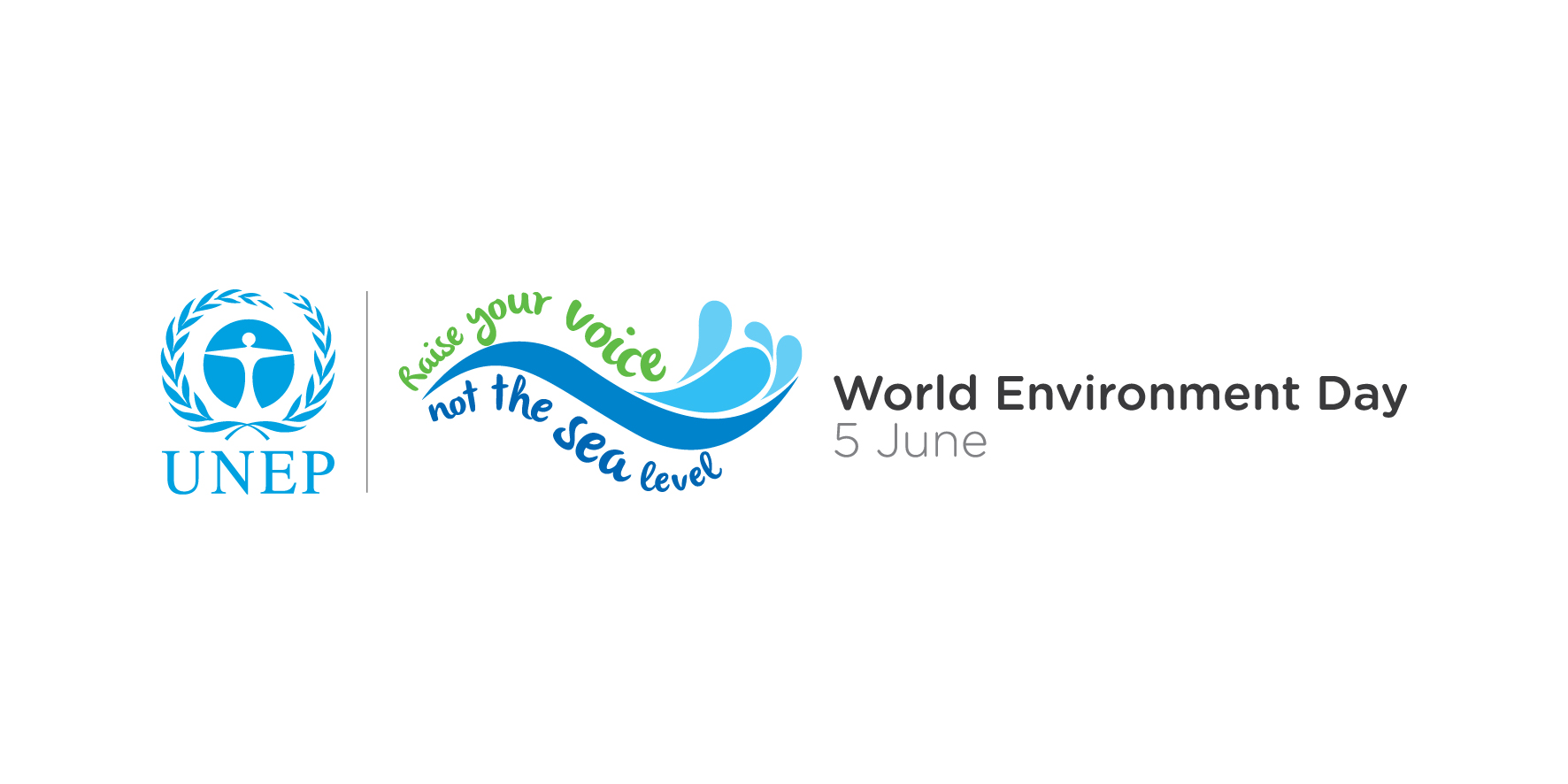
UN commemorates World Environment Day 2014
Climate change threatens to profoundly impact all facets of life—not least of which include agriculture and food security. For many poor people in developing nations, the impacts of climate change can spell the difference between having enough food to meet one’s basic nutritional needs or suffering from the myriad effects of hunger and malnutrition. On June […]
-
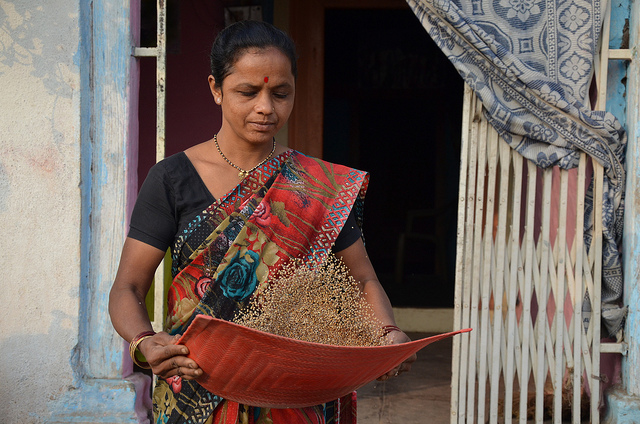
Ending world hunger and undernutrition by 2025
The following post by IFPRI Director General Shenggen Fan was originally published on Humanitas Global Development’s Hunger and Undernutrition blog. Hunger and undernutrition can be eliminated by 2025. Meeting this aspirational target is an immense but not insurmountable challenge, and it needs to receive adequate attention in the post-2015 development agenda. The world has made some headway in achieving the Millennium […]
-

Commentary – Resilient Smallholder Farming Systems Are Vital for Global Food Security and Nutrition
The following post by IFPRI Director General Shenggen Fan was originally published on the Chicago Council on Global Affairs Global Food for Thought blog. This post is part of a series produced by The Chicago Council on Global Affairs, marking the occasion of its fifth Global Food Security Symposium 2014 in Washington, D.C., which was held on May 22. The growing incidence and […]
-
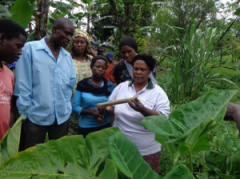
Volunteer farmer trainers change the way we think about extension
How most efficiently to help farming men and women access information and advice they need to be more effective managers of their enterprises is a puzzle not yet solved.
-

The Myth of de-industrialisation in sub-Saharan Africa
The following post by IFPRI Senior Researcher Margaret McMillan was originally published on the Financial Times This is Africa website. There is even evidence that a healthy manufacturing sector can help to bridge the gap in income levels between rich and poor countries. But the historical importance of manufacturing in economic growth has led some observers to be sceptical about […]
-
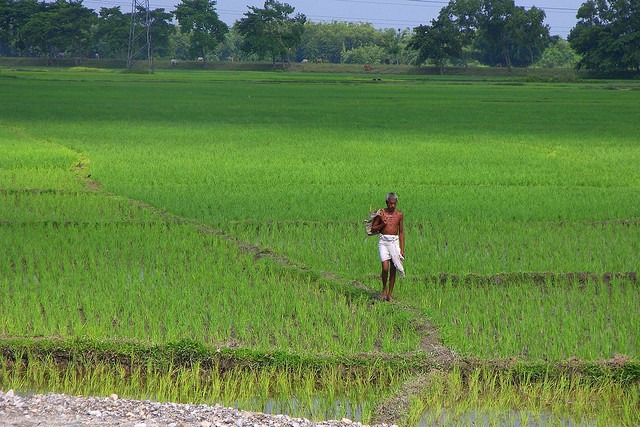
Roundtable brings high-tech farming ideas to India’s risk-prone ecologies
Imagine agriculture in India as a high-tech, highly mechanized venture. Picture a rice farmer taking soil samples with a handheld meter to gauge nutrient and moisture needs, calibrating planting along plot contours withGPS-guided tools.
-
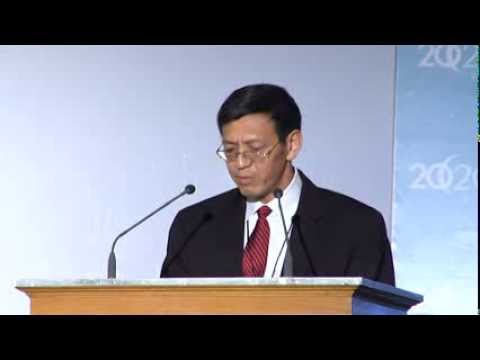
Building resilience from within
“If the past is any guide, we will face a barrage of shocks, both natural and man‐made, in the coming years. In just the past five years, we have seen a major earthquake in Haiti; drought in the Horn of Africa; earthquake, tsunami, and nuclear crisis in Japan; and conflicts that have left millions of […]
-
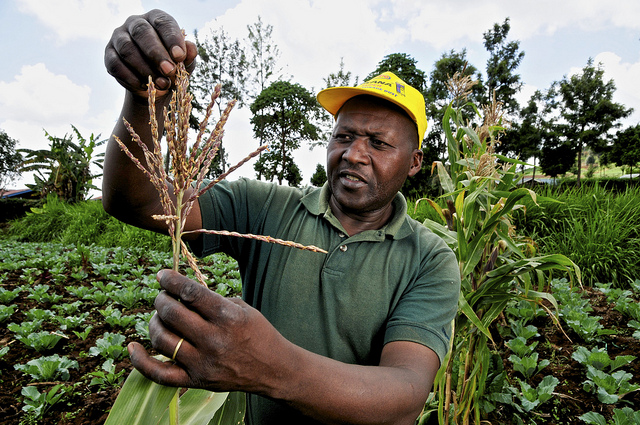
Feeding Africa’s future generations through investing in agricultural research and development
Africa south of the Sahara must invest in research and development (R&D) without delay if it wants to reduce poverty and food insecurity and meet the challenges of rapid population growth, climate change, and food price volatility. So say IFPRI researchers Nienke Beintema and Gert-Jan Stads in their 2013 Global Food Policy Report chapter, “Is Africa Investing Enough?,” which […]
-
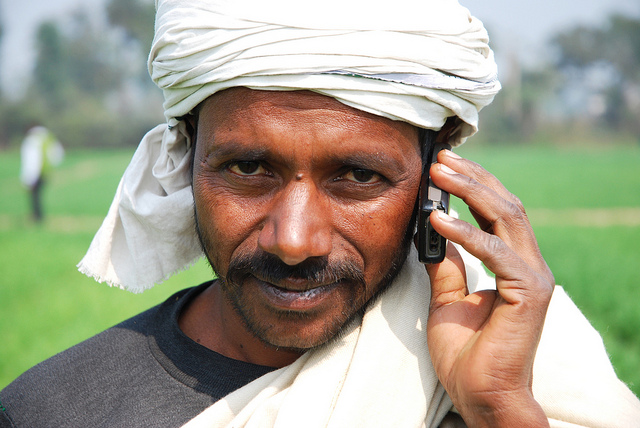
Harvesting better access to information
A farmers’ success depends on more than good weather, healthy soil, and proper seeds. Good farming also involves a series of decisions: how much to plant each season, whether to invest in new crops, which markets to sell to. The right decisions can mean the difference between a profitable harvest and a net loss in […]
-
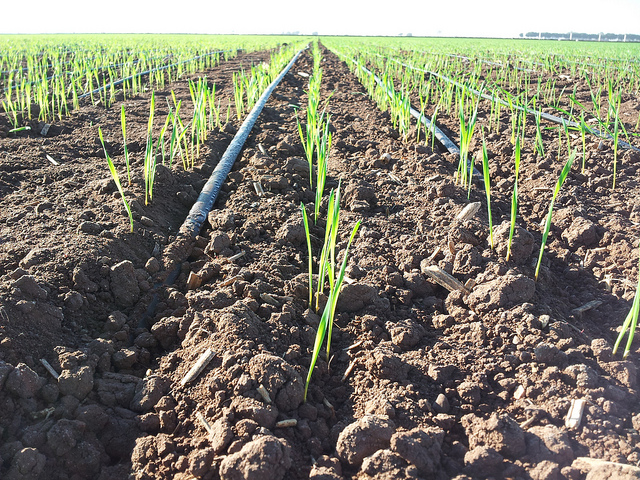
Technology to the rescue?
This blog story by IFPRI researchers Nicola Cenacchi and Claudia Ringler highlights key messages from Chapter 4 of the 2013 Global Food Policy Report One major outcome of the 2012 Rio+20 United Nations conference was the agreement to develop a set of truly universal Sustainable Development Goals (SDGs) to supplant the Millennium Development Goals under the post-2015 development agenda. Although discussions on the final SDGs, […]
-
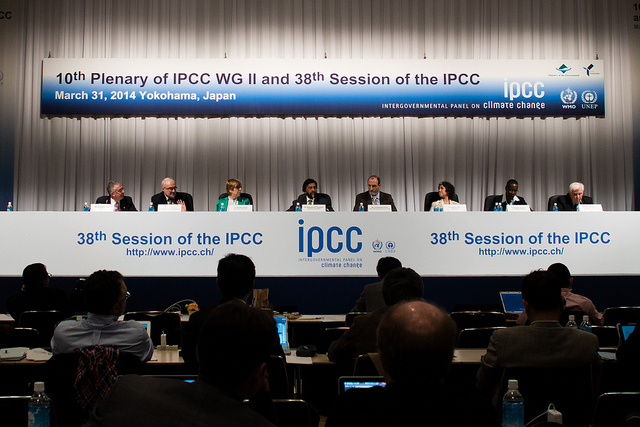
Changing climate— Policy innovations important for a resilient global agriculture and food system
The following post by IFPRI Director General Shenggen Fan was originally published on his DG Corner blog on April 3, 2014. The Intergovernmental Panel on Climate Change’s (IPCC) latest Report, Climate Change 2014: Impacts, Adaptation, and Vulnerability, is a reminder that swift and concrete actions are needed to avert the negative impacts of a changing climate. Key findings from the report on risks to food […]
-
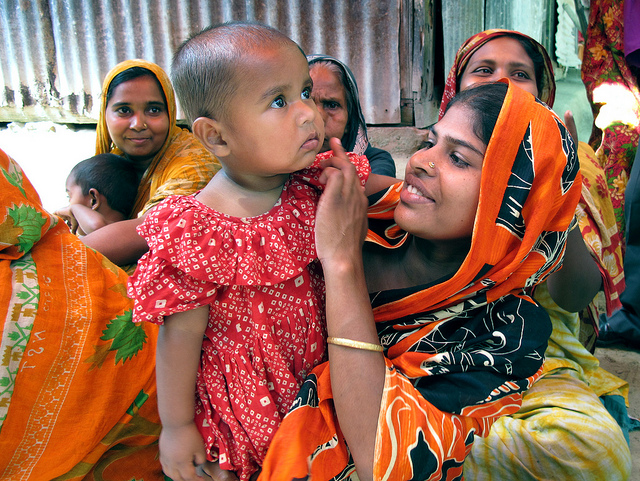
A timely call to action
The following post by Asma Lateef, Director of Bread for the World Institute, is a modified version of a story that originally was published on the Bread for the World Institute’s blog. IFPRI’s Global Food Policy Report (GFPR) has become an annual reminder that global food security must remain very much at the top of the development agenda. […]
-
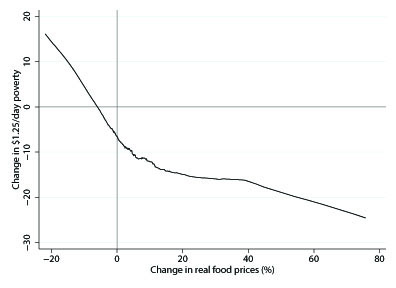
Higher food prices are good for the poor … in the long run
Note: A modified version of this story originally appeared on Dani Rodrik’s weblog on March 28, 2014. Since the poor spend a greater share of their household incomes on purchasing food, higher food prices must exacerbate poverty, right? Wrong . . . at least over the medium term. In my most recent paper, I find that the opposite […]
-
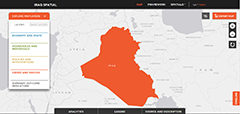
Pioneering online tool targets improved decision making in Iraq
The following story was originally published on the International Center for Agricultural Research in the Dry Areas (ICARDA) website. ICARDA is a member of the Consortium of International Agricultural Research Centers, supported by the CGIAR Fund. Without access to accurate and comprehensive data, decision makers and researchers struggle to develop appropriate policy agendas – they lack the information they need […]
-
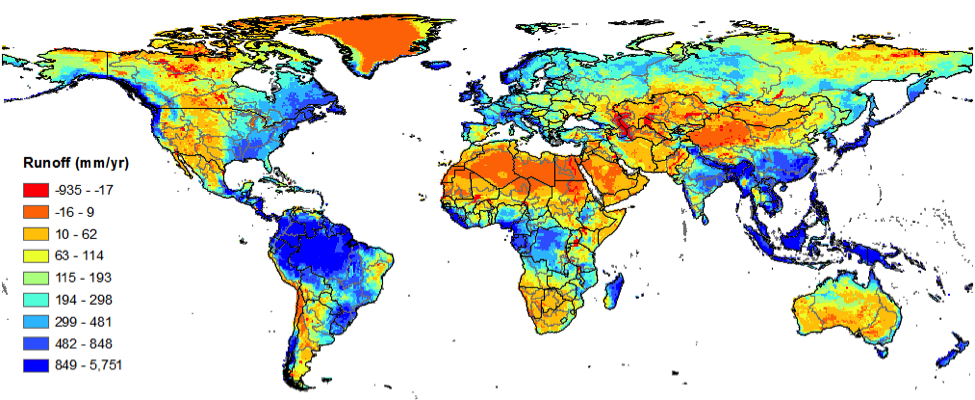
Water, energy, and food under climate extremes— Are water markets a solution?
The theme of this year’s World Water Day (March 22, 2014) is “Water and energy.” IFPRI senior researcher Claudia Ringler highlights the potential role of water markets in the water-energy-food nexus under global climate change Drought and flood events increasingly make the news in every part of the globe. In 2012, China was in the news for severe summer […]
-
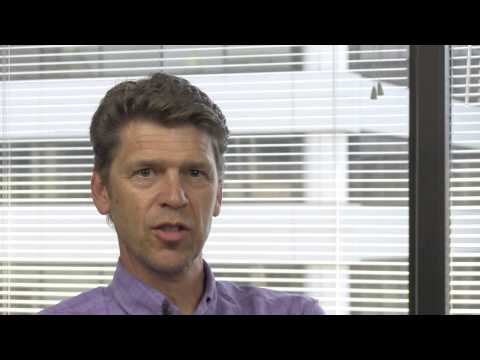
Transforming political will into action for nutrition
The year 2013 saw a major step forward in global attention to nutrition. Several processes converged: the Scaling Up Nutrition (SUN) movement continued to drive the momentum, with 47 countries now having signed up; The Lancet released a new Maternal and Child Nutrition Series of four state-of-the-art evidence reviews; the “1,000 Days” advocacy movement succeeded in mainstreaming the concept in development discourse; […]
-
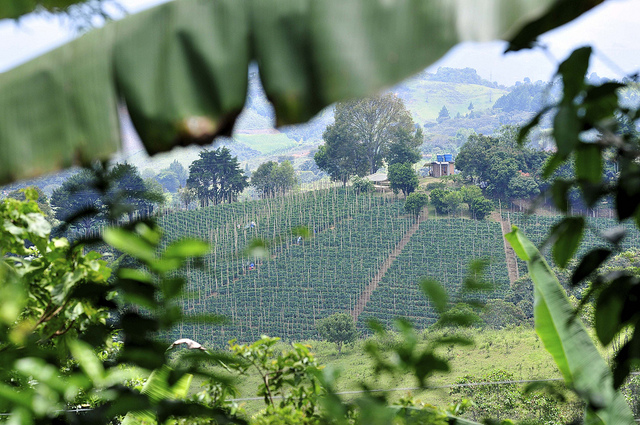
Collaboration helps Colombia adapt to climate change
When it comes to enacting climate change policy in agriculture, policymakers are often challenged by a range of information and input from different sectors: the research community, the private sector, and the public and policymaking community. What’s more, their policies must account for a range of global forces, from price changes to pressures on land […]
-
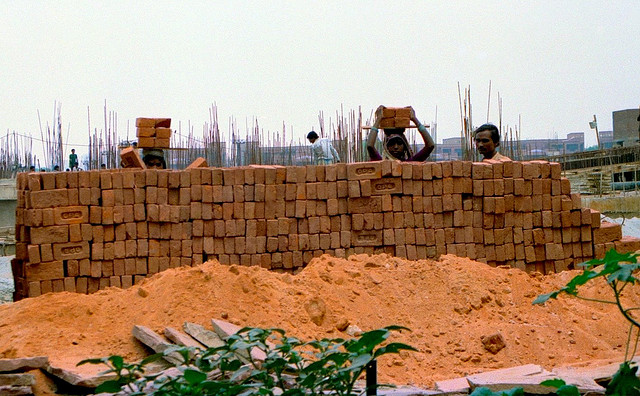
Working toward a brighter future
The following story was originally published on IFPRI’s Food Security Portal. Extreme poverty and gender inequality are two of the most daunting challenges faced by the developing world. To tackle these challenges, many policymakers are turning to public works programs. Such programs can help governments provide stable, balanced wages to households in need, while at the […]
-
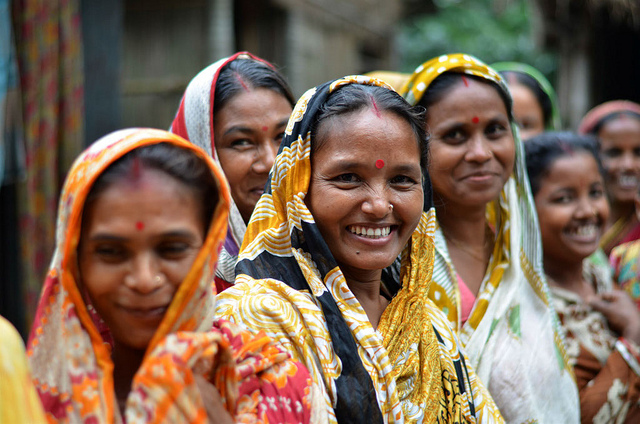
Celebrating International Women’s Day 2014
This Saturday marks International Women’s Day. The theme this year is “equality for women is progress for all,” and IFPRI’s gender work is essential to its larger mission of achieving food and nutrition security for all and reducing poverty levels throughout the world. Ensuring that food-related policies take women into account is a crucial step toward economic progress […]
-
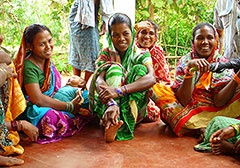
What’s in a name?
In West Bengal, nearly 40 percent of children under the age of five are underweight, despite the country’s strong economic gains in recent years. This paradox indicates that food insecurity continues to pose major challenges for India’s state and national governments. One key to solving the food security puzzle lies in land ownership and titling. Land […]
-
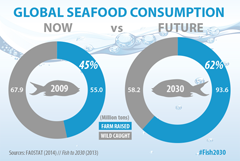
Fishing for answers
Amid a future of growing populations, economies, and changing diets, questions arise as to how current practices can meet future food demands. Aquaculture, also known as fish farming, may be key: It is expected that as much as two-thirds of all fish consumed will come from aquaculture by 2030. Fish to 2030: Prospects for Fisheries and […]
-
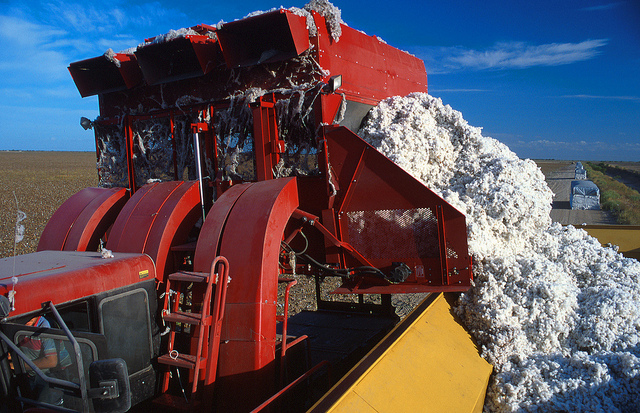
New U.S. Farm Bill reaffirms support to producers
The following post by IFPRI Senior Research Fellow David Orden is an excerpt of a story originally published on IFPRI’s Food Security Portal. After more than three years of often tumultuous negotiations, the U.S. Congress has passed a new five-year Farm Bill: the Agricultural Act of 2014. The bill, which President Obama signed into law on February 7, reaffirms the government’s longstanding support […]
-
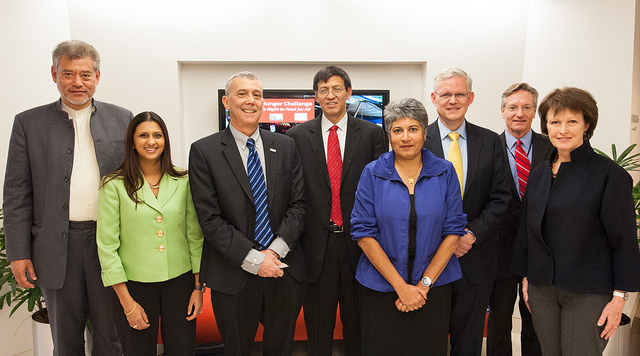
Zeroing in on ending hunger
With less than two years to go until the expiration of the 2015 Millennium Development Goals, IFPRI Director General Shenggen Fan noted that “almost 850 million people still suffer from hunger, and two billion are suffering from micronutrient deficiencies, or so-called hidden hunger.” Although strides have been made toward eliminating hunger and malnutrition around the world, […]
-
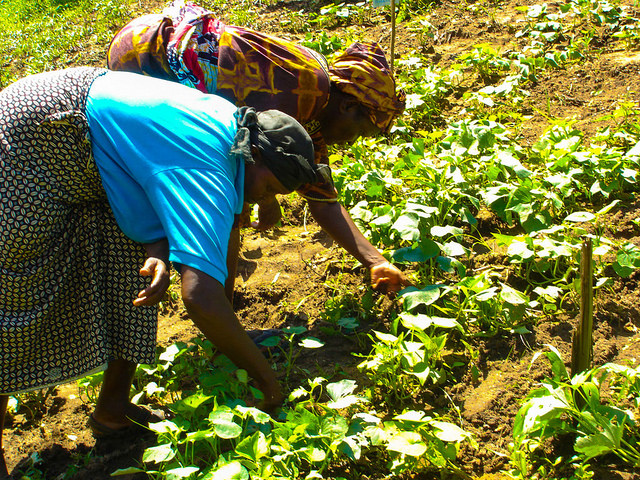
International Year of Family Farming
The United Nations declared 2014 the International Year of Family Farming to highlight the important global role family and smallholder farmers have in eradicating hunger and poverty, providing food security and nutrition, improving livelihoods, achieving sustainable development, and building resilience, especially in rural areas. A key aspect of IFPRI’s research on the challenges faced by family and […]
-
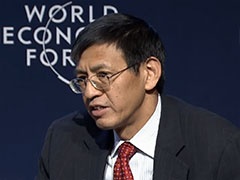
Shenggen Fan receives Hunger Hero Award in Davos
The World Food Programme presented IFPRIDirector General Dr. Shenggen Fan with a Hunger Hero Award yesterday at the 2014 World Economic Forum Annual Meeting in Davos, Switzerland, in recognition of his commitment to and leadership in fighting hunger worldwide. Fellow award recipients included Sam Dryden, Senior Fellow at the Bill and Melinda Gates Foundation, and Marc Van […]
-
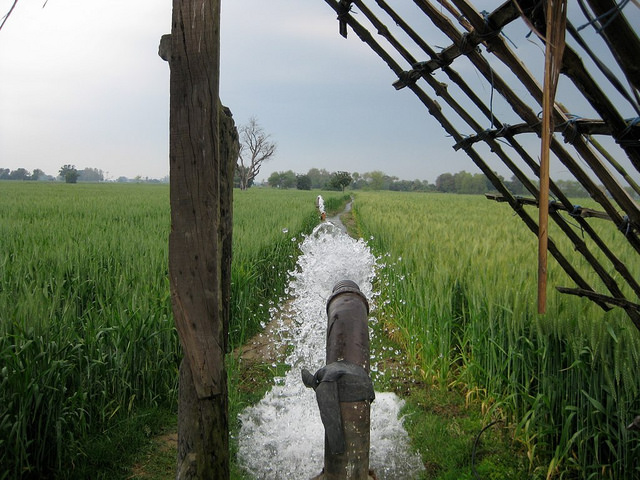
Leveling with friends
Technology can serve as a catalyst in agriculture, shifting farmers from subsistence to profit, and spurring dramatic quality of life improvements for the rural poor in many developing countries. New technologies can also help farmers contend with the mounting challenges to food security brought about by a changing climate. The million dollar question is how […]
-
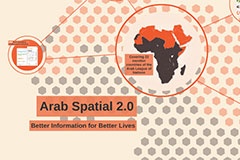
Connecting the Dots
www.arabspatial.org Improving food security and enhancing economic development in developing countries requires a multifaceted approach—and that includes access to reliable data. In the swiftly changing Middle East and North Africa (MENA) region, up-to-date information is particularly crucial for policymakers to make accurate assessments of poverty, food and nutrition security, and other development indicators. In early […]
-
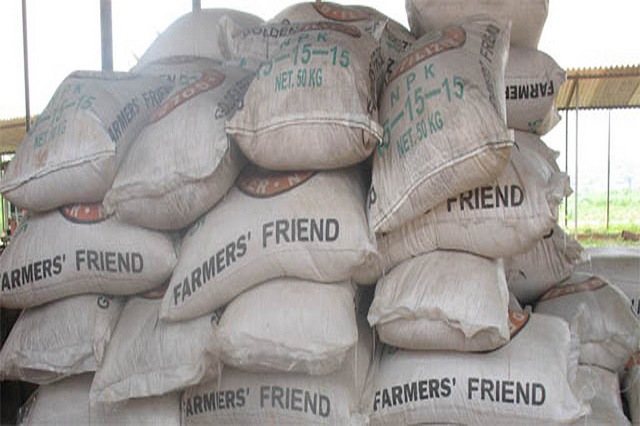
From subsidies to Direct Cash Transfers for fertilizer purchase in India
The following story was originally published on IFPRI’s Food Security Portal. Fertilizer use in India has exploded since the government began a subsidization program in the 1970s. National fertilizer consumption rates increased by 50% during the 1990s. But research has shown that the effectiveness of these inputs has actually declined – on average, 8 kilograms […]
-
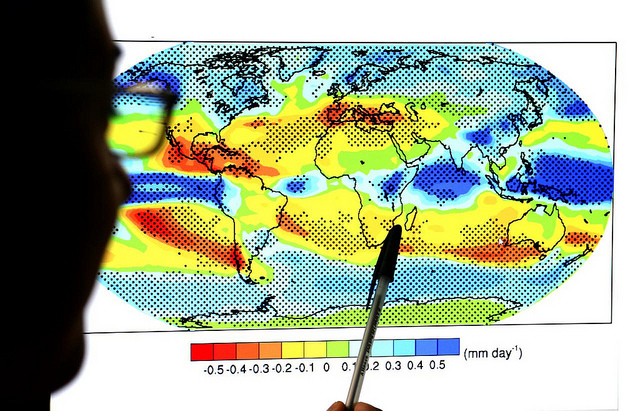
Merging models to compare food security impacts of climate change
Much is still uncertain about the potential effects of climate change on agriculture, leading to widespread uncertainty surrounding the future of global food security. Leaving hunger to chance is not a plan anyone embraces, but how can people prepare for what they cannot predict? Cue the world’s leading agricultural economic modeling teams, who simulate varying […]
-
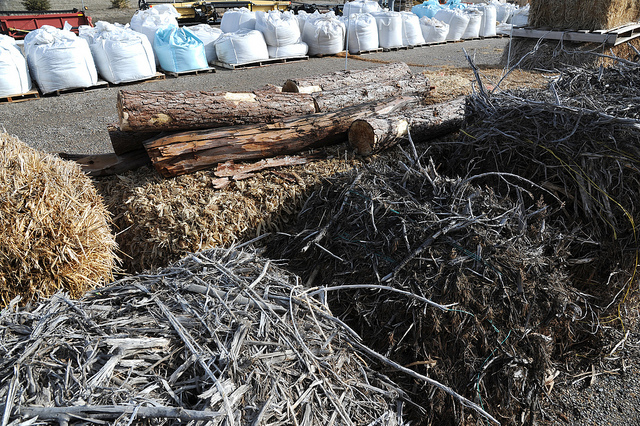
Political Stalemate over EU Biofuel Policy Continues
The following story was originally published on IFPRI’s Food Security Portal. The “food vs. fuel” debate came no closer to a resolution last week, as Energy ministers from the European Union’s 28 member states failed to agree on a compromise limiting the use of transport fuels made from food crops such as rapeseed and wheat, so-called […]
-
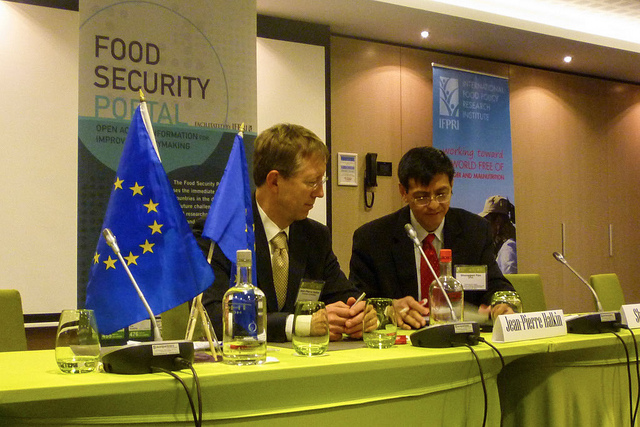
Partnering for Impact: IFPRI-European Research Collaboration for Improved Food and Nutrition Security
The workshop “Partnering for Impact: IFPRI-European Research Collaboration for Improved Food and Nutrition Security,” held on November 25 in Brussels, brought together 80 participants and close partners of IFPRI from European governments and development agencies, universities and research centers, nongovernmental development organizations, and the private sector. The workshop highlighted the achievements of innovative research programs […]
-
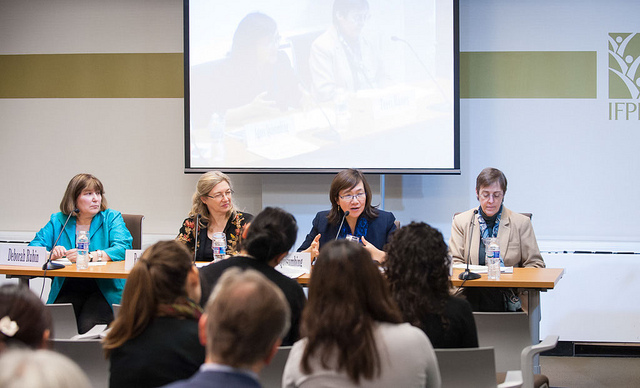
The Truth about Women in Agriculture
Have you heard the statistic that while women account for 60 to 80 percent of global food production, they own only 2 percent of the world’s land? If you work in international development, you most likely have come across such “gender myths.” At a recent policy seminar, “Beyond Gender Myths: Closing the Knowledge Gap in […]
-
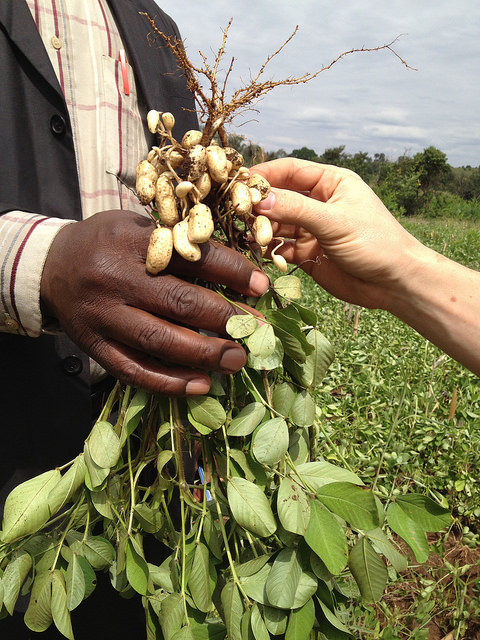
Some Ideas to Break the Stalemate on Agricultural Issues at Bali
The following post by IFPRI visiting Senior Research Fellow Eugenio Diaz-Bonilla is an excerpt of a story originally published on IFPRI’s Food Security Portal. The negotiations seem to be heading for a breakdown again over agricultural issues linked to food security and, more generally, because many developing countries seem to consider it unfair that the developed […]
-
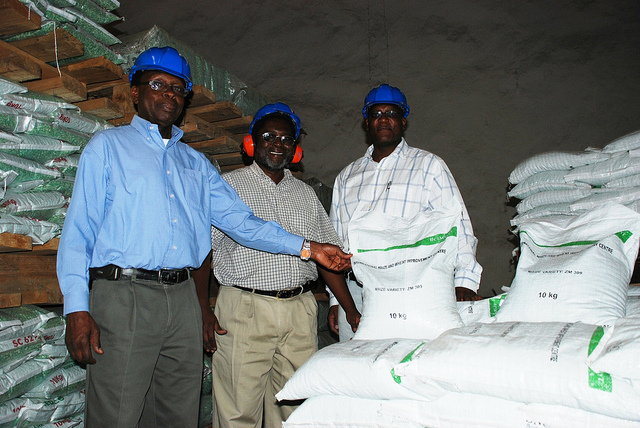
Building Smarter Subsidies
Input subsidy programs—a mainstay of 1960s and 1970s international donor agendas—have regained favor in Africa south of the Sahara in recent years. Although 10 African countries spent more than $1 billion on these programs in 2011 alone, little information exists on the impacts the programs are having on households and communities. In a synthesis article appearing […]
-
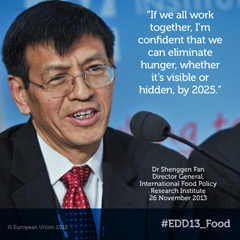
Resilience and Food Security Take the Stage at European Development Days
This week, European development practitioners, partners, and stakeholders worldwide have gathered at the 8th annual European Development Days in Brussels with an eye toward improving development coordination and aid effectiveness in 2015 and beyond. Specifically, their discussions will focus on four prevailing themes: scaling up work toward meeting basic living standards; upholding human rights and ensuring […]
-
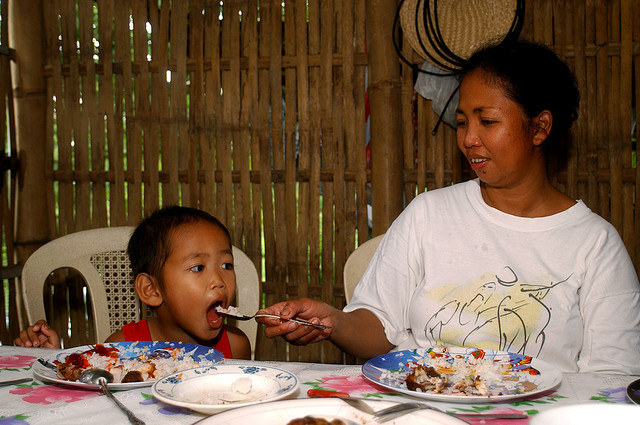
Healthy Growth Breeds Healthy Growth
If you learned that a $1 investment in your child’s nutritional intake during infancy would ultimately net an $18 return, would you make the investment? Yes, if you had the means, it’s likely you would. It’s a win-win: healthier child, healthier bank account. A recent IFPRI study, “The Economic Rationale for Investing in Stunting Reduction,” […]
-
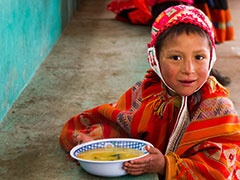
IFPRI Insights Magazine
The latest issue of IFPRI Insights sheds light on how IFPRI researchers are tackling the big questions related to food policy, from farm to table to the global marketplace. Composed of articles, interviews, and infographics, the November 2013 issue touches on nutrition, migration, US farm policy, economic data, water policy, and weather insurance, among other things. According […]
-
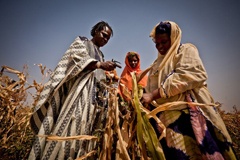
The Good, the Bad and the Ugly
The following is an excerpt of a story originally published on the CGIAR Research Program on Climate Change, Agriculture and Food Security (CCAFS) website. The good and the bad will not balance each other out. We need to prepare for the ugly. It’s not often you hear the words good and climate change in one […]
-
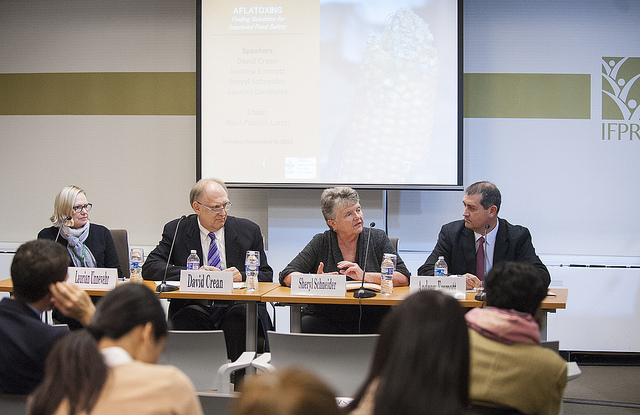
In the Market for Better Health
Properly functioning markets play a key role in improving the economic well-being of poor populations. But a recent IFPRI event highlighted how markets can do even more, reaching beyond economics to have an important impact on health outcomes. On November 5, IFPRI’s 2020 Vision Initiative and the CGIAR Research Program on Agriculture for Nutrition and […]
-
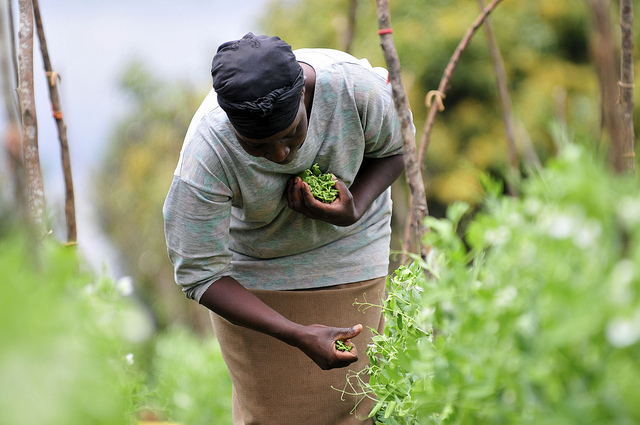
What is the Potential Impact from Climate Change for Africa’s Farmers?
Originally published on the CCAFS website.
-
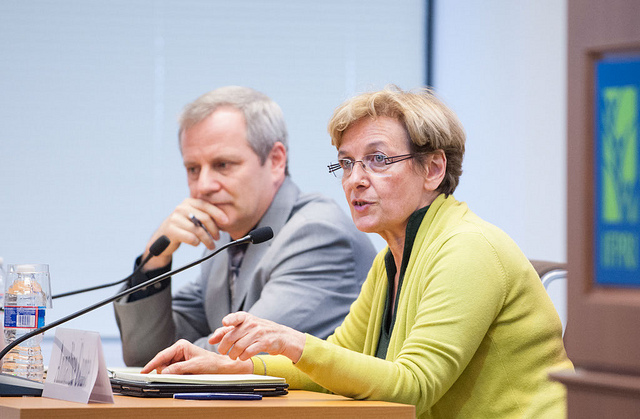
Cash, Food or Vouchers
IFPRI and others have extensively evaluated social safety net programs in developing countries that provide recipients with cash, food, or vouchers, but there have been almost no evaluations of how those transfers stack up when compared against each other. A new study by IFPRI and the UN World Food Programme (WFP) assesses the impact of […]
-
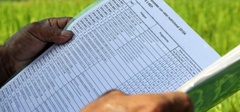
Data is the Real Currency of Science
The following post by Kate Langford is an excerpted version of a story originally published on the World Agroforestry Centre’s News and Events site. In the scientific world where publications are of paramount importance, CGIAR scientists are proposing a shift where data methods and ideas – the real currency of good research and scientific knowledge […]
-
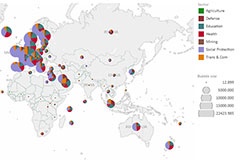
Let’s SPEED Up
Public resources are limited and determining how to best allocate finite funds to achieve the greatest impact on poverty reduction and economic development requires credible public expenditure data. However, due to a lack of systematic collection and tabling as well as an absence of guidelines to link different types of expenditures, this type of data […]
-
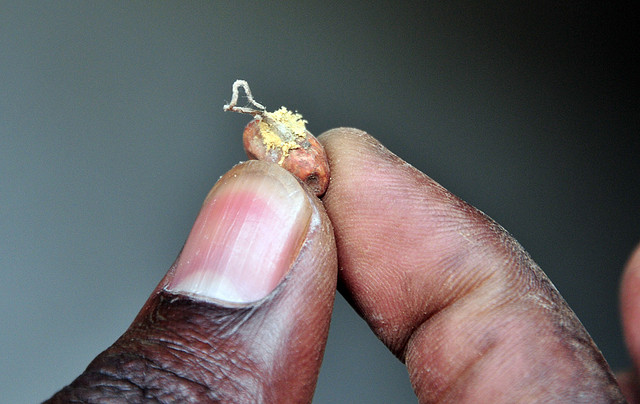
Incentivizing Aflatoxin Control
Aflatoxins, naturally occurring toxins produced by fungi in grains and other crops, may be linked to childhood stunting and can lead to liver cancer and even death with chronic exposure. More than a public health risk, aflatoxins also pose a significant barrier to international trade, harming poor populations’ economic as well as physical wellbeing. As […]
-
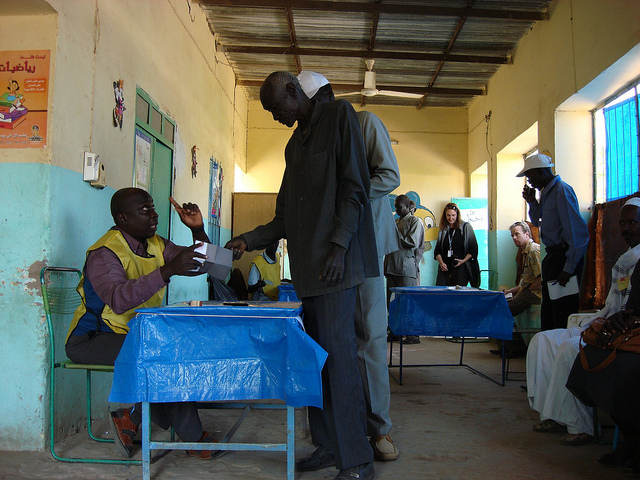
Launch of New Seminar Series on Strengthening Institutions and Governance
IFPRI’s new strategy features Strengthening Institutions and Governance as one of six key research areas and emphasizes the cross-divisional nature of this important topic. In order to enhance awareness of ongoing work in this area, a Strengthening Institutions and Governance (SIG) seminar series will be formally launched this Tuesday, November 5, 2013 at 12:30pm EST. […]
-
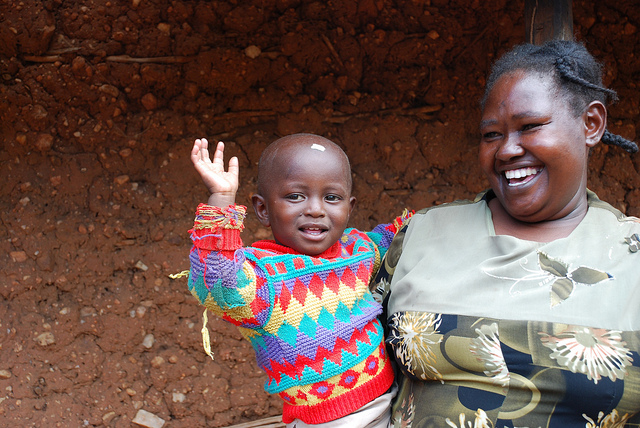
Cause and Effect
Women’s empowerment is increasingly a priority in international development, for reasons of social justice, and also because it is considered an important way by which to achieve development goals, such as those related to health, nutrition, and education. Research has shown that men and women often have different preferences for how they allocate food and […]
-
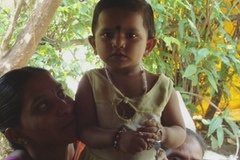
Launch of New Website for OneWorld-POSHAN Media Fellowship
The following is an excerpted version of a story originally published on the IFPRI South Asia website. OneWorld Foundation, India (OWFI) has launched a new website for the OneWorld-POSHAN Media Fellowship that features news articles, published by fellows, related to undernutrition in India. Despite targeted initiatives, undernutrition remains one of the major development challenges faced by India today. In […]
-
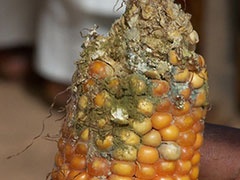
Aflatoxin Briefs: Finding Solutions for Food Safety
Aflatoxins—naturally occurring fungal toxins that contaminate grains and other crops— pose one of the world’s most significant food safety risks, particularly in developing countries. On November 5, IFPRI will launch a series of 19 policy briefs on managing aflatoxins as part of IFPRI’s 2020 Vision Initiative and under the auspices of the IFPRI-led CGIAR Research Program on Agriculture […]
-
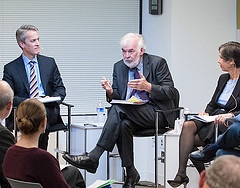
Investing in Strengthening the Resilience of Smallholder Farmers
The following story originally was published on the website for the IFPRI 2020 Policy Conference & Consultation on “Building Resilience for Food and Nutrition Security”. Strengthening the resilience of smallholder farmers requires integrated programming across sectors and a coherent policy framework for resilience, according to panelists at a lead-in event for the 2020 conference. Tom Arnold of Concern Worldwide, Kathy […]
-
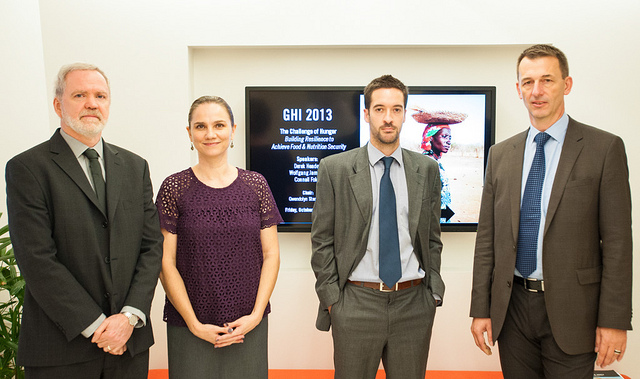
Bouncing Back Better
Today’s era of food, financial, and weather-related crises, combined with household-level stressors, makes food and nutrition security for the world’s most vulnerable people ever more challenging. Research has shown that such groups not only spend a higher percentage of their household income on food, but also have fewer assets to help them cope with shocks. […]
-
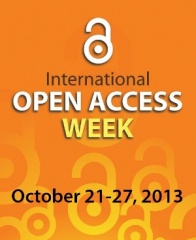
Open Access Week 2013
At the 6th annual Open Access Week the academic and research communities celebrate their continued commitment to data sharing and access to information. As part of this global commitment to Open Access and Open Data, the CGIAR Consortium’s board recently approved the CGIAR Open Access and Data Management Policy. Since releasing an Open Access Statement in 2012, access to IFPRI’s […]
-
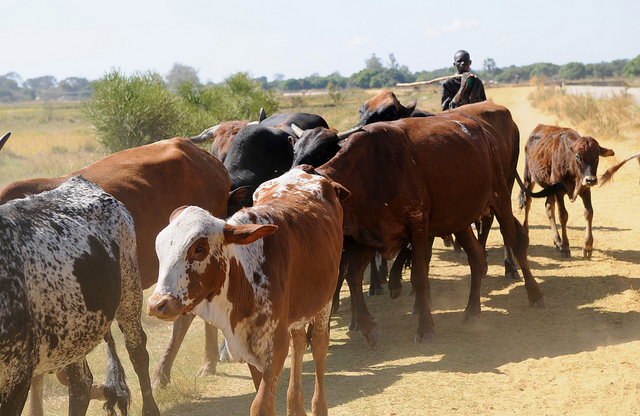
Agriculture in Africa
This blog story by Eva Donelli was originally posted on the Devex Development News site. The agricultural sector’s growth has lagged behind national economic growth in Africa, according to an International Food Policy Research Institute study. Given that most poor people are dependent on farming, this slow growth is an obstacle to regional poverty reduction, the study finds, and […]
-
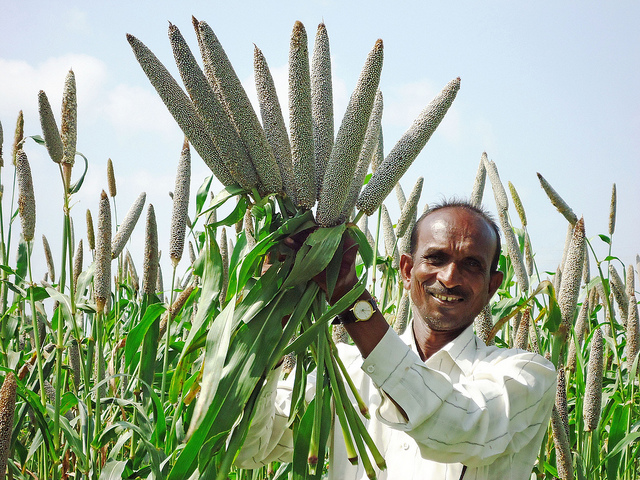
Championing Food Policy Research
With support from the European Commission, IFPRI conducts cutting-edge research on biofuels, trade, and country-specific development strategies. The European Commission (EC) has long championed food security, nutrition, and sustainable and productive agriculture. Since 2006, the EC has committed €1 billion every year to strengthen global food security and sustainable agriculture. In fact, with the 2008 […]
-
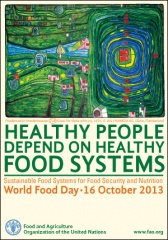
Shock Absorbers
Today marks World Food Day, and despite significant gains in the fight against hunger in recent years, an estimated 842 million people—or 1 in 8 people worldwide—still suffer from chronic hunger. According to the 2013 Global Hunger Index (GHI), levels of hunger are still “alarming” or “extremely alarming” in 19 countries. As the international community grapples with […]
-
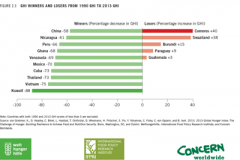
Winning the Hunger Games
About one in eight people worldwide suffered from chronic hunger during the past two years, according to the United Nations. Though daunting, that ratio is an improvement over previous years. In fact, the 2013 Global Hunger Index report released today shows that global hunger levels have declined by nearly 35 percent since 1990. The Global […]
-

Stepping into the SUN
“After decades of hiatus, the global community and, most importantly, high-burden countries are stepping up to the challenge of malnutrition.” So said Shawn K. Baker, director of nutrition for the Gates Foundation’s Global Development Program, at last week’s 23rd Annual Martin J. Forman Lecture, held at IFPRI. In his talk, “Stepping into the SUN: Successes […]
-
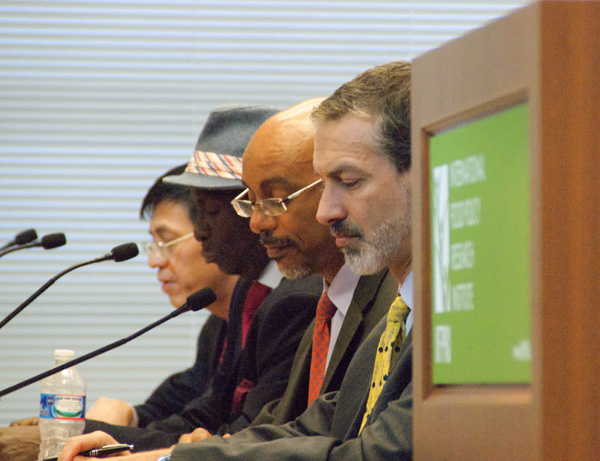
Learning to Fly
Africa is confronting a complex development challenge: population pressures are driving land scarcity, resulting in progressively smaller plots of land per farmer. On the land that’s still available, soil is rapidly degrading. How can Africa maintain, let alone ramp up, agricultural productivity to fuel the economic growth necessary to alleviate poverty? At a recent roundtable […]
-
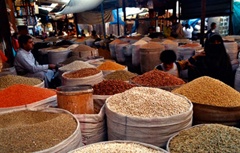
Reactivating Yemen’s National Food Security Strategy
Although the level of food insecurity in Yemen is alarming, it is also declining. In 2011, Yemen was among the bottom 10 countries of the world in terms of food security, but by the end of 2012, food security levels had almost reached pre-crisis levels, according to research presented at a workshop on “Reactivating the […]
-
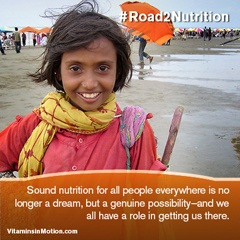
The Road to Good Nutrition
In recent years, many governments, civil society organizations, research groups, and intergovernmental agencies have sought ways to scale up effective actions for better nutrition. Research suggests that such efforts are successful if all the different groups work together in support of sound national policies, the implementation of effective interventions, and sector programs that are sensitive […]
-
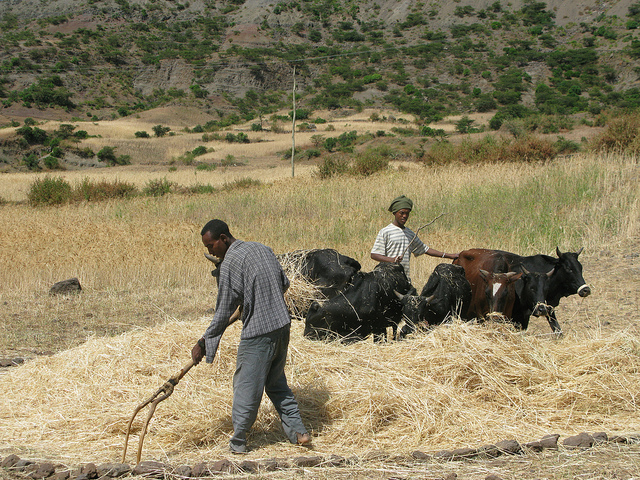
Dream Deferred?
It is a problem that extends far beyond the borders of a single country: Exponentially growing populations and a finite pool of resources needed to support them, including land, water, food and energy. In Ethiopia, expanding populations and shrinking land availability translate to smaller and smaller plots of farm land and waning incomes to match. […]
-
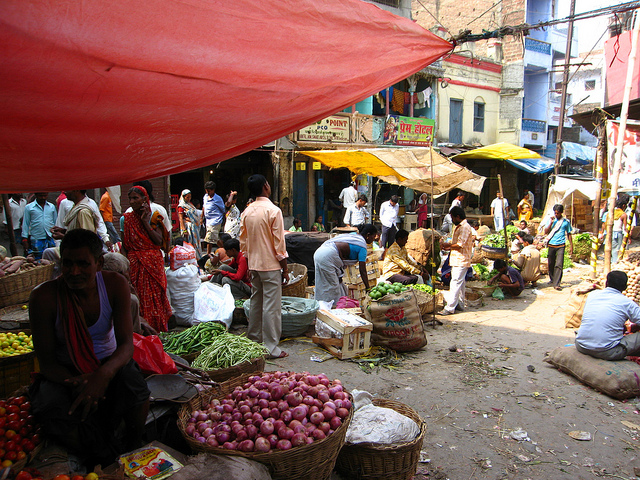
Surging Onion Prices in Bangladesh
The following is an excerpted version of a story originally published on the IFPRI South Asia website. Onion prices have reached all-time high, not only in India but also in Bangladesh, and it’s mostly pinching the pockets of the country’s low-income population. According to The New Age, onion prices jumped by Tk 15-20, per kg domestically supplied onions were […]
-
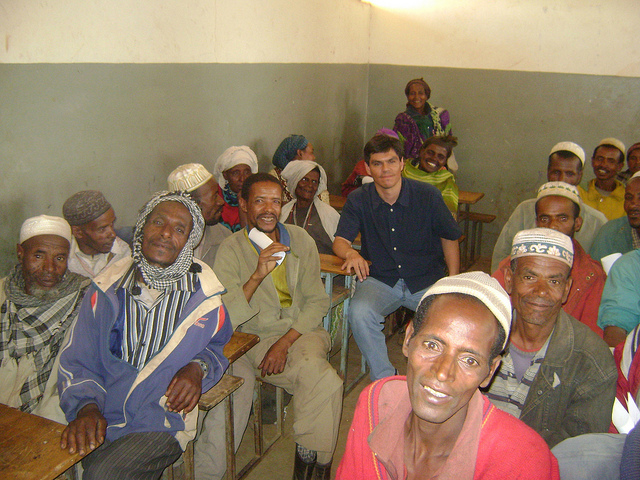
An Assessment of IFPRI’S Work in Ethiopia 1995–2010
To ensure the best use of resources and undertake research that is relevant and useful in a rapidly changing world, IFPRI commissions external assessment of its activities. A recent review focused on IFPRI activities in Ethiopia, one of the most populous and poor countries in Africa south of the Sahara, and thus a high priority […]
-
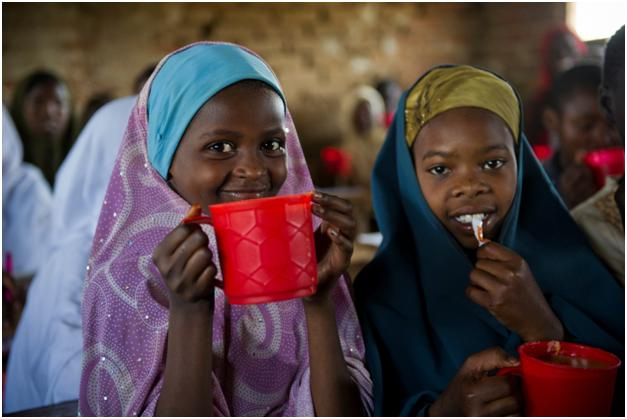
The Doha Round and Food Security
The following is an excerpted version of a story originally published on IFPRI’s Food Security Portal. The WTO Doha Development Round trade negotiations have been at an impasse since their launch in 2001, and have gotten particularly bogged down over the difficult technical and political aspects of agricultural trade reform. Further complicating the talks is the fact that the […]
-
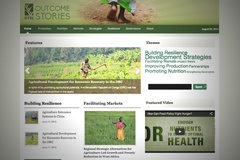
For Good Measure
IFPRI is pleased to announce the launch of its Outcome Stories website, highlighting the impact of IFPRI and partners’ work around the world. The website will showcase 30 initial stories of success, benchmarking progress achieved in areas such as building resiliency, facilitating markets, improving production, promoting nutrition, strengthening governance, and designing country strategies. Each week, IFPRI […]
-
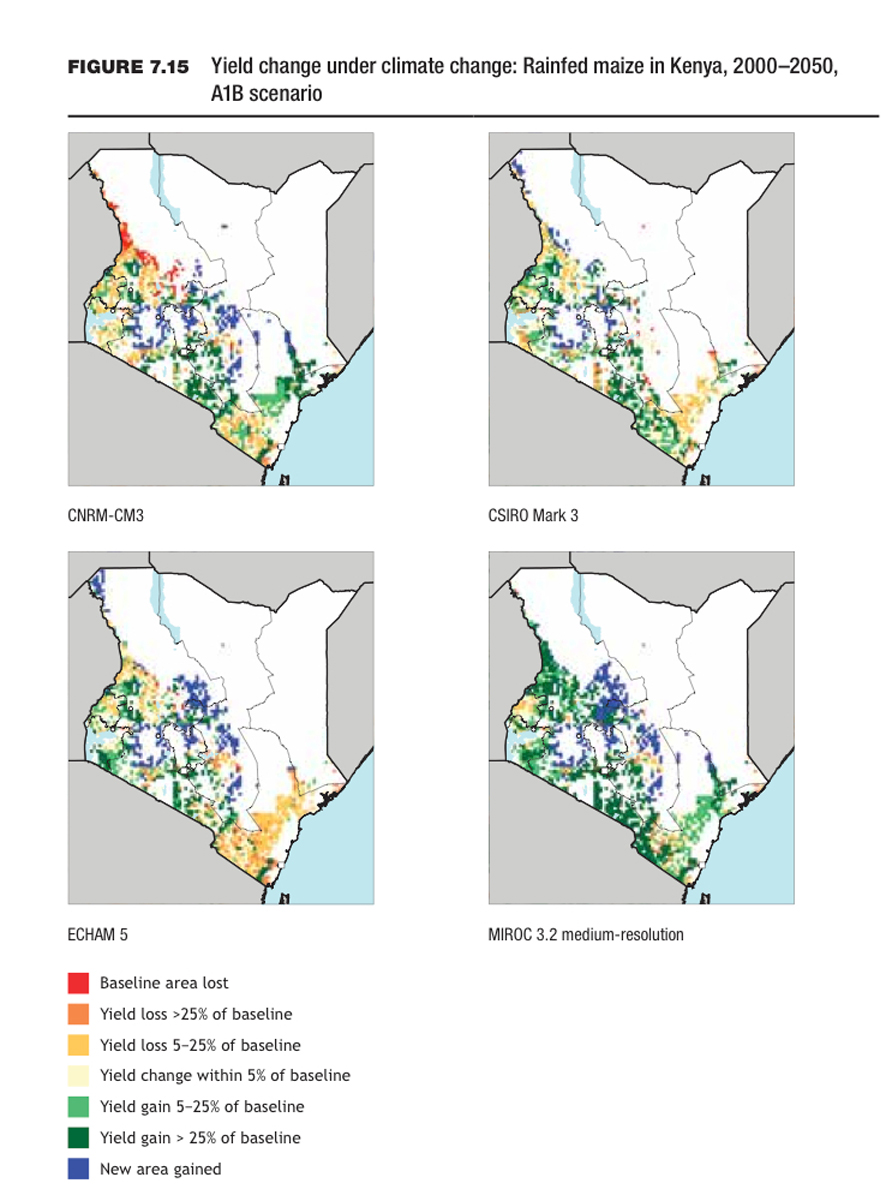
Based on what we know, can Kenya plan its climate future?
The following post was originally published on the CGIAR Research Program on Climate Change, Agriculture and Food Security’s News Blog Kenya appears to be booming. In the last decade, shiny office buildings have sprung up along the edges of equally shiny superhighways, offering new connections and untold promises to people in cities and rural areas. Every […]
-
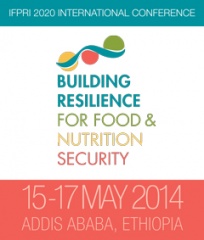
2020 Conference on Building Resilience for Food and Nutrition Security
Developing countries, and the vulnerable people who inhabit them, are confronting a barrage of increasingly frequent and intense economic, environmental, and political shocks. There is an urgent need to predict and prepare for these shocks, as well as devise coping strategies to ensure resilient food systems, institutions, and policies at global, national, and community levels. […]
-
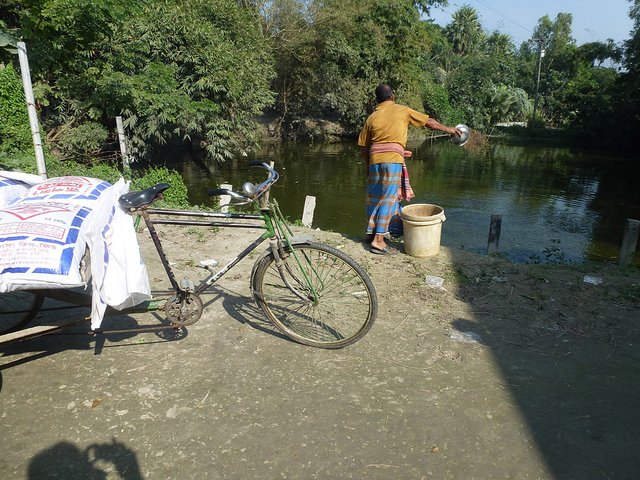
Riding out the storm
Although climate change is poised to deeply impact both developed and developing countries, a shifting climate poses a particularly pernicious threat to developing countries that may lack the resources to contend with the challenges it will bring, with far-reaching implications for economic development. Climate change is an especially troubling prospect for Bangladesh, a country both highly […]
-

The global welfare benefits of slashing the export tax
Taxes were on the minds of many as politicians descended upon St. Petersburg for the G20 summit last week, with financial transaction taxes, tax havens, and illicit financial flows featuring prominently on global agendas. In the realm of export taxes, which are taxes levied on goods sold abroad, recent IFPRIresearch suggests the abolition of those taxes could be […]
-
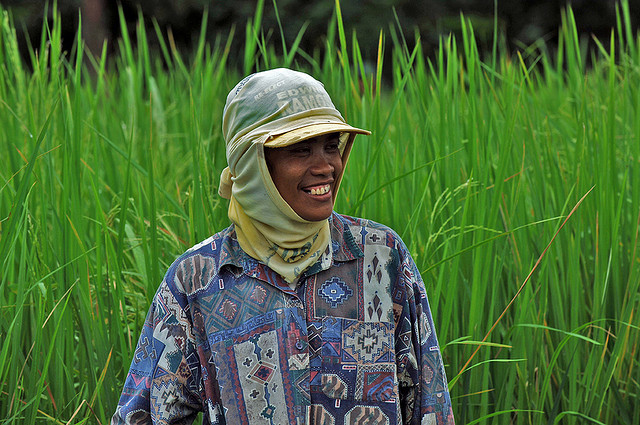
Why we should care about women’s right to land
This blog story by IFPRI senior researcherAgnes Quisumbing was originally posted as part of the Devex Land Matters for Women campaign. Why do you care about women’s land rights? Isn’t it enough for the household to have land? This question is a common refrain heard from many corners of the developing world, but most disturbingly from policymakers and government officials. The answer, […]
-

Climate Change and Agriculture in Southern Africa
The southern region of Africa could be the hardest hit by rising temperatures from climate change, leaving many to wonder what this means for agriculture. Will some areas become unsuitable for farming? Will farmers face lower yields, or turn to new crops? Will climate change threaten food security? These are challenging questions for policymakers, who […]
-

Reducing micronutrient deficiency with biofortification
This blog story by IFPRI senior researchers Alan de Brauw and Dan Gilligan was originally posted on The Guardian’s Global Development Professionals Network. Micronutrient malnutrition is caused by a lack of vitamins and minerals in the diet. Poor people are particularly vulnerable to micronutrient malnutrition, as their diets consist mainly of grains and don’t include many vital fruits, vegetables or animal products. HarvestPlus as part […]
-

India’s National Food Security Bill and its Path Forward
The following article was originally published on the IFPRI South Asia website. India’s recently introduced National Food Security Bill (NFSB)—a flagship program that will provide long term sustainable food and nutritional security for the poor—was passed in the Lower house of the Parliament, Lok Sabha this week. Intending the bill to help about 67 percent of India’s […]
-
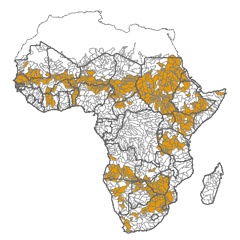
What’s really causing water scarcity in Africa south of the Sahara?
The theme of World Water Week 2013 (September 1-6) is “Water Cooperation: Building Partnerships.” Today, we highlight key research that looks at investment strategies for overcoming physical and economic limitations to water security. In Africa south of the Sahara, where agriculture is predominantly rainfed, farmers’ access to water is limited based on time (during droughts and dry […]
-

Growing biofuels: how to reap rewards
This blog story featuring commentary by IFPRISenior Research Fellow Siwa Msangi and other experts was originally posted on The Guardian’s Development Professionals Network. Meghan Sapp, secretary general, Pangea, Brussels, Belgium. @pangea_link Don’t expect immediate benefits from biofuels investments, they take a while to show. Biofuels can have great impacts, but they aren’t immediate. That’s especially true where infrastructure is weak and investments must start from […]
-

Ladybeetles: Cotton’s secret ingredient
This post is part of the CGIAR Research Program on Water, Land and Ecosystems (WLE) month-long series of blog stories on Ecosystem Services. Diversity in land use can support ecosystem services such as biological pest control and reduce the need for insecticides. Evidence to support this has been found in North America, Europe and Australia, but very limited […]
-

Breeding Health: Scientists Deploy Iron-Rich Pearl Millet Against Malnutrition
HarvestPlus is coordinated by IFPRI and theInternational Center for Tropical Agriculture. Iron deficiency affects nearly one quarter of the world’s population, exacting the heaviest overall toll in terms of ill-health, premature death and lost earning, and constituting “a public health condition of epidemic proportions,” according to the World Health Organization. If the situation seems irredeemably grim, the […]
-

Arab Spatial’s First Six Months
IFPRI Senior Research Analyst Perrihan Al-Riffai discusses the progress and promise of Arab Spatial, an open-access database and interactive mapping tool she helped design that houses and geographically displays data on more than 150 indicators of development in the Middle East and North Africa. Q: What makes Arab Spatial unique?A: It’s the first tool of its kind […]
-

Pool Rules
When a natural disaster strikes, it takes its toll in lives, homes, and entire cities. What’s more, the costs of reconstruction are not strictly financial—it can also drain other resources geared toward long-term development outcomes such as capacity building, and food and nutrition security. Despite the outpouring of financial aid that often follows major catastrophes, […]
-
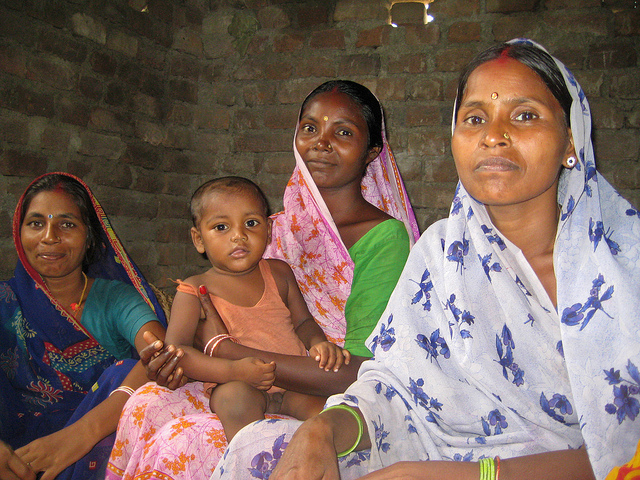
Myths and Realities of Child Nutrition
In his August 2013 article featured in Economic and Political Weekly, Myths and Realities of Child Nutrition, IFPRI Senior Research Fellow Stuart Gillespie takes on economist Arvind Panagariya on the topic of child malnutrition. In a recent article, Panagariya argued that India’s malnutrition statistics are subject to manipulation as a political tool by opponents of the country’s economic reforms, suggesting that […]
-
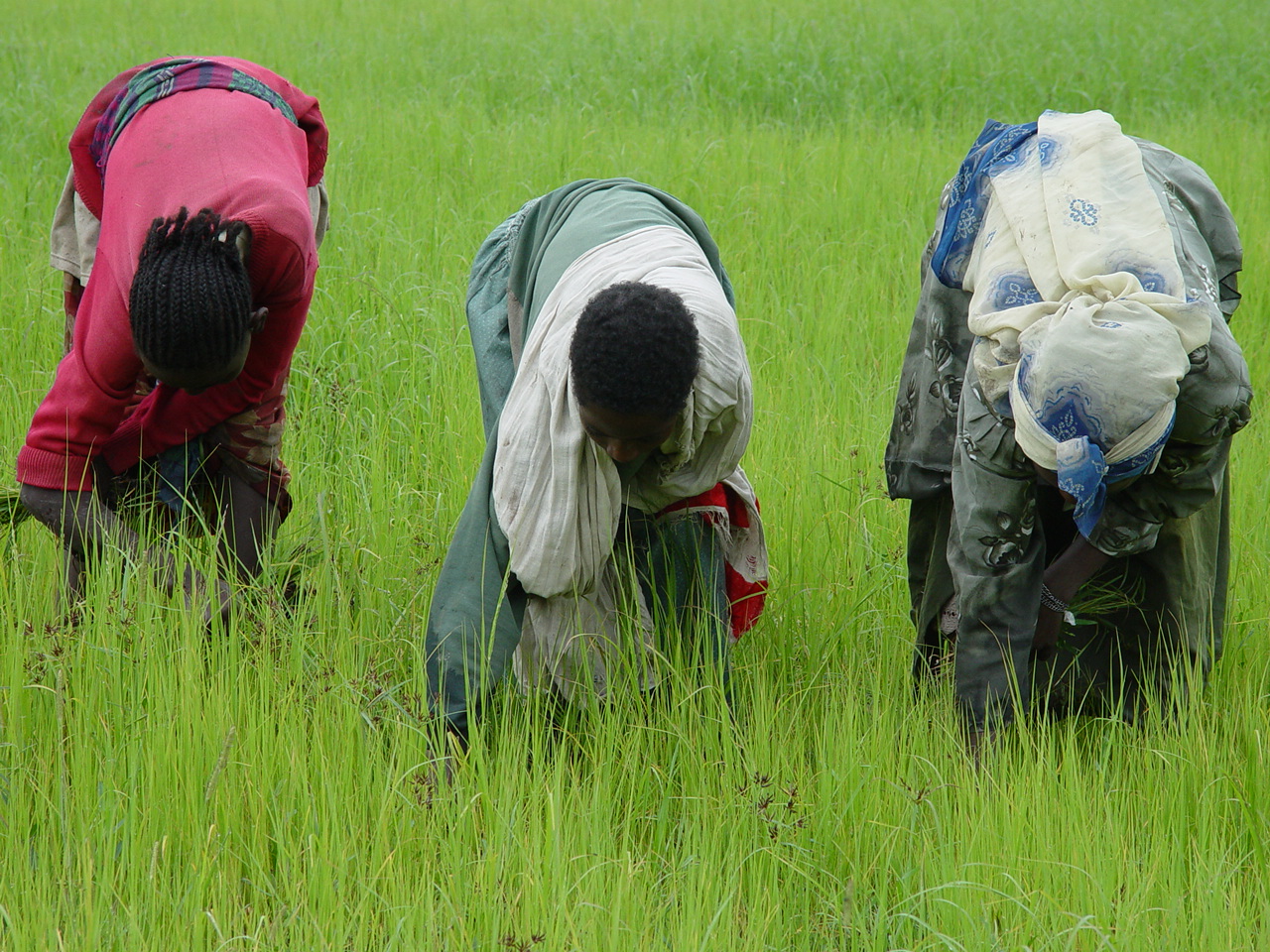
A little seed goes a long way
65 percent of Ethiopia’s 85 million people get their “daily bread and livelihood” from Tef
-

A Gathering of Scholars and PowerPoints
Dena Leibman is Head of Outreach at IFPRI Every year, the annual AAEA meeting pulls agricultural economic researchers out of their offices, graduate-student cubicles, classrooms, and remote field stations around world to put their work on display for discussion and deeper analysis. This year’s meeting was held in myriad small meeting rooms off the labyrinthine […]
-
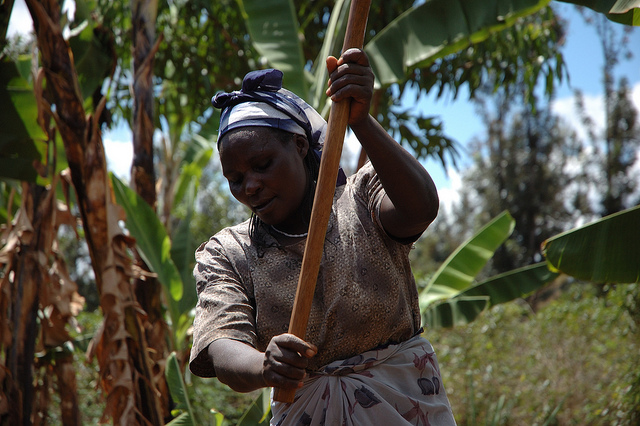
Helping smallholders hedge their bets
How can agriculture innovate to meet the needs of a rapidly expanding global population, projected to reach 9 billion by 2050? In December 2012, Oxfam sought to answer that question by inviting 23 experts from 16 countries to participate in the Future of Agriculture global online policy discussion forum, presenting diverse view points and inspired ideas […]
-

A slowdown in the growth of the Dragon?
Antoine Bouet is an IFPRI Senior Research Fellow. After decades of strong growth, is China’s economy starting to show signs of a slowdown? And, if so, what would this mean for the country’s national poverty reduction campaign and for the global economy as a whole? These questions took center stage in the opening plenary session of […]
-

Transforming smallholder farms
Policy options to help potentially profitable smallholders
-
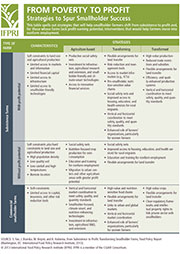
Transforming smallholder farms
Small farms play an indispensable role in global food security, particularly in developing countries. In fact, according to the UN Food and Agriculture Organization (FAO), four-fifths of the developing world’s food is a product of small-sized farms. That said, not all smallholder farms are cut from the same cloth and strategies that help shift small farms […]
-

The future of US Food Aid
Overview of seminar, Proposed Reforms to U.S. Food Aid: Framing the Debate
-

Insights from Indonesia
Yanyan Liu is a research fellow in IFPRI’s Markets, Trade and Institutions Division. The world’s population is both rapidly expanding and becoming increasingly urbanized. But while population growth poses significant challenges to food security and sustainable resource use, particularly in developing countries, a study I conducted with Futoshi Yamauchi of the World Bank suggests that for more educated […]
-

Beyond Coffee and Chocolate
Can Africa’s agricultural sector compete in the global marketplace? Consumable “niche” goods in the form of luxury coffee and teas from Africa are already on the shelves of such major US and UK retailers as Starbucks, Fortnum and Mason, and Costco. And Ghanaian chocolate has infiltrated the connoisseur’s market, featured at the famed Parisian chocolate […]
-

Recent EU committee vote forecasts change for Europe’s biofuel policy
In a move that potentially pleases both food security experts and environmentalists, the EU’s Environment Committee voted on July 11 to set a cap on the amount of energy produced from food and energy crops while encouraging the use of advanced biofuels and electric vehicles. Experts, including IFPRI’s David Laborde, argue in the international weekly science journal Nature that most varieties […]
-
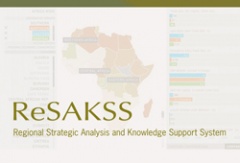
ReSAKSS-Africa website gets a facelift
ReSAKSS-Africa (Regional Strategic Analysis and Knowledge Support System) website is now ready with enhanced features to track progress in implementing the Comprehensive Africa Agriculture Development Programme (CAADP), including the target of allocating 10 percent of national budgets to agriculture. The website serves as a “one-stop shop” for policymakers, researchers, farmer organization representatives, donor and development agencies, and […]
-

Privatizing Africa’s Urban Water Supply: Good or Bad for Child Health?
Every year, 1 in 10 child deaths—approximately 800,000—are the direct result of diarrhea. Of these deaths, 88 percent are preventable by guaranteeing access to safe drinking water and sanitation supplies. The situation is particularly dire in Africa south of the Sahara. Almost two-fifths (39 percent) of people living in the region are without safe drinking […]
-

Good Reasons for Low Emissions Development Strategies (LEDS) Research
This blog story by IFPRI Senior Research Fellow Alex De Pinto was originally posted on Tim Thomas’ Much Ado About Something blog. It is now widely recognized that natural resource use in many developing countries, from crop production to deforestation, is responsible for the bulk of greenhouse gas emissions. We also know that, in many countries, it is the […]
-

Tangled up in Blue
Appearances can be deceiving: There’s always a backstory, the behind-the-scenes truths of how we moved from point A to point B. How the intangible dynamics of power structures, information pathways, and spheres of influence ultimately shape policy outcomes is challenging to decipher—but understanding the various actors, belief systems, channels, and motives in play is essential […]
-

World Population Day
Chiara Kovarik is a Senior Research Assistant in IFPRI’s Poverty Health and Nutrition Division Today, on World Population Day, IFPRI recognizes that the world’s growing population—which reached 7 billion in 2011—has a powerful impact on development. The stresses caused by a growing global population, along with rising incomes, rapid urbanization, and changing demographics, are affecting the […]
-

Low carbon agriculture
According to IFPRI Director General Shenggen Fan and Senior Research Analyst Tolulope Olofinbiyi, world agriculture has reached a crossroads. Rising incomes; changing population, demographics, and consumer preferences; growing natural resource constraints; increasing energy prices; and a varying climate are redefining the global supply and demand of food. At the same time, almost 1 billion people remain undernourished globally. The change to a […]
-
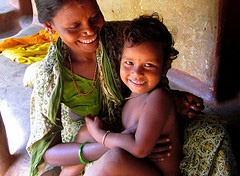
Tackling Malnutrition in India
This blog story by IFPRI Senior Research Fellow Purnima Menon and Micronutrient Initiative President Venkatesh Mannar was originally posted on The Bill & Melinda Gates Foundation’s Impatient Optimists blog. The 27 million children born in India this year will grow up in a very different country than the one we grew up in. India has changed more than one would think possible in […]
-

Twitter Chat on youth and agriculture connects IFPRI with new audiences
Earlier this month, I took part in a new experience: a twitter chat. Organized by USAID, the #AskAg Twitter Chat on Youth Employment in Agriculture, connected me and my fellow guest speakers from USAID, Making Cents International, and Winrock International with twitter participants from MPULE Institute, students, development program workers, and others from a range of locations, including Mexico, Belgium, […]
-

SDGs should target ending hunger sustainably by 2025
A “High Level Panel of Eminent Persons” appointed by the United Nations Secretary General to advise on the Post-2015 Development Agenda recently released its recommendations in a report IFPRI Director General Shenggen Fan comments on the report in a blog story on IFPRI’s DGCorner blog, emphasizing the role of smallholder agriculture and the importance of covering dietary quality and nutrition in the […]
-

Karen Brooks on generating knowledge to improve policies, institutions, and markets
Leaders of CGIAR research programs, along with donors and external stakeholders, are meeting this month in Montpellier, France to review the CGIAR Research Program and to “listen, engage, learn and progress on how to achieve the outcomes of reducing rural poverty, increasing food security, improving nutrition and health and the sustainable management of natural resources.” In an interview conducted at this meeting, […]
-

Public health experts take on UN’s Zero Hunger Challenge
This blog story was originally posted on the HarvestPlus blog. Washington, D.C —A new initiative, the Community for Zero Hunger, was launched today. It will identify the greatest gaps that remain in reducing hunger and malnutrition, and leverage the private sector to help fill those gaps at scale. In 2012, United Nations Secretary-General Ban Ki-moon launched the Zero Hunger […]
-

Food Subsidies in Egypt: a help or hindrance?
Statistics are sounding a warning bell about the state of Egypt’s food security, poverty, and malnutrition. The number of food insecure Egyptians has increased about 21 percent from 2009 to 2011, according to a 2011 analysis of household incomes, expenditures, and consumption. Results for poverty and malnutrition were even more dramatic, with poverty increasing around […]
-

Not a Free Ride
Collective action in agriculture can take many forms, from contract farming to producer marketing groups. Smallholders often rely on these groups to increase their access to markets and get higher prices for their goods. My IFPRI discussion paper, later published in the American Journal of Agricultural Economics, looks at a different type of collective action, one […]
-

Boosting both food security and forest resources requires new thinking
Peter Holmgren is Director General, Center for International Forestry Research (CIFOR) The goal of producing enough food for a growing population has long been at the top of the global political agenda. But in pursuit of this aim, agriculture has expanded into forestland, creating an array of environmental problems: more than 50 percent of the Earth’s forests have […]
-

G8, build political will to overcome malnutrition
This blog story by IFPRI Senior Research Fellow Stuart Gillespie and IFPRI Division Director Marie Ruel was originally posted onThe Guardian’s Development Professionals Network. The G8 countries are being asked to make firm financial and strategic commitments to fight malnutrition on a scale never before imagined. Can they do it? If not, we can point to a lack of political will, but […]
-

Regional trade and cooperation between South Asian and Southeast Asian nations
P.K. Joshi, IFPRI’s Director for South Asia, participated in the 2nd Association of Southeast Asian Nations (ASEAN) Rice Trade Forum earlier this month in Indonesia, emphasizing that, as global food production and markets are more adversely impacted by climate change and price volatility, the two core regions for rice production—South Asia and Southeast Asia—will benefit from greater cooperation […]
-

Food Safety in China: Op-ed by IFPRI Director General Shenggen Fan
As news of the latest food safety scandal to hit China—rice tainted with the carcinogenic heavy metal cadmium—further undermines consumer trust in the country’s food system, IFPRI Director General Shenggen Fan asks, in an op-ed in the China Daily Post, “How can China continue along its current development path without sacrificing its food safety?” Read the full […]
-
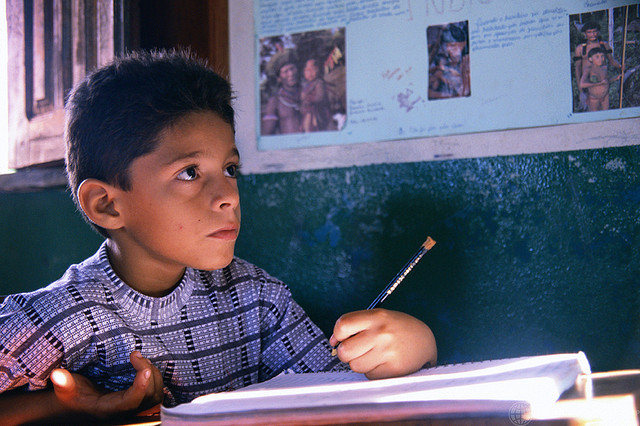
She who holds the purse string wields the power? The curious case of conditional cash transfers in Brazil
When women control the family finances, does it equate to a broader sphere of influence in household decisions? Research has suggested that women’s empowerment, both inside and outside the home, is closely correlated to women’s ownership of assets. A group of IFPRI researchers looked at this issue in depth with a conditional cash transfer (CCT) program […]
-

Canada funds the fight against malnutrition with $20 million grant
On Saturday, June 8, the Government of Canada demonstrated its commitment to the fight against malnutrition by announcing an important new contribution, CDN $20 million in new funding to the CGIAR Agriculture for Nutrition and Health (A4NH) program. Canada’s contribution will allow the A4NHprogram to accelerate new impact-oriented research by supporting: Read the full story by John McDermott, Director, CGIAR Research Program on […]
-

30th Anniversary of the China-CGIAR partnership
This week, China and CGIAR are celebrating the 30th anniversary of their partnership. To celebrate IFPRI’s collaboration with China, the Institute has compiled the Highlights of IFPRI’s partnerships and impacts in China: Reducing Hunger and Poverty Through Food Policy Research: Click here to read more about the highlights of IFPRI’s major projects, partnerships, and knowledge-sharing activities in China in recent years. Related IFPRI Publications Highlights of IFPRI’s […]
-
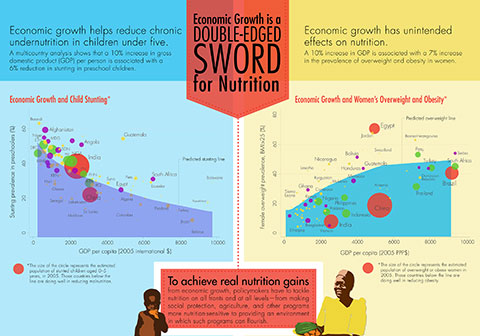
In the lead-up to the G8: Launch of The Lancet seminal series on undernutrition
Release of long-awaited series on maternal and child undernutrition
-

Fighting land degradation in Uzbekistan: A World Environment Day Photo Log
Environmental land degradation is one of the most serious threats to the environment worldwide. It is a threat to biodiversity, human health, and the crops upon which many people depend on for survival. Earlier this month, IFPRI Videographer Milo Mitchell traveled to Uzbekistan to document some of the worst land degradation in the world, where […]
-

Nutrition spending: the biggest bang for your development buck
John Hoddinott is a Senior Research Fellow and Deputy Director of the Poverty Health and Nutrition Division at IFPRI. In a few days’ time, high level representatives from governments, business, scientists, and civil society will meet in London to make ambitious commitments needed to tackle undernutrition. Why now? After all, photographs of hungry children seem to have […]
-
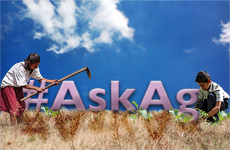
Farming is the key to solving youth unemployment in Africa
Africa south of the Sahara has the world’s youngest and fastest growing population. With enough support from African leaders, agricultural initiatives will boost employment and the economy. The following post by IFPRI’s Karen Brooks, Director of the CGIAR Research Program on Policies, Institutions and Markets, is a modified version of a story that originally was published by the […]
-

Poverty scorecards help prioritize lending, minimize risk
This story originally appeared on the Food Security Portal blog. Economic growth in the developing world relies heavily on credit, grants, and loans. But increasing poor populations’ access to these financial vehicles brings with it a significant amount of risk for lenders, both public and private. When selecting development interventions to financially support, lenders and donors […]
-

Is hydropower for or against irrigation?
The answer is—as usual—that it depends! This post is part of the CGIAR Research Program on Water, Land and Ecosystems (WLE) website’s coverage of the recent conference on “Water in the Anthropocene: Challenges for Science and Governance. Indicators, Thresholds and Uncertainties of the Global Water System,” which took place from May 21-24 in Bonn, Germany. Many large river basins support both—energy production from […]
-
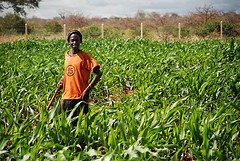
Can Ethiopia maintain its great progress toward food security?
Nearly 30 years after the 1984 famine that left more than 400,000 people dead, Ethiopia has made significant progress toward food security. Some of these recent successes include a reduction in poverty, an increase in crop yields and availability, and an increase in per capita income—rising in some rural areas by more than 50 percent! […]
-
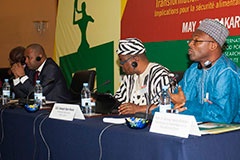
Keeping the momentum of West African success
This story originally appeared on the Food Security Portal blog. Economic growth in the developing world relies heavily on credit, grants, and loans. But increasing poor populations’ access to these financial vehicles brings with it a significant amount of risk for lenders, both public and private. When selecting development interventions to financially support, lenders and donors […]
-

Chicago Council Food Security Symposium 2013
Dena Leibman is Head of Outreach at IFPRI At turns seeming like an inspiring TED talk, policy seminar, industry trade show, research conference, and youth-centric social media event, the Chicago Council’s Food Security Symposium succeeded in its goal to showcase the power of these actors to work individually and together to end poverty and hunger around the world. All speakers conveyed […]
-

Commentary – High food prices and dietary quality: Who pays?
This post by Howarth Bouis, Director of HarvestPlus, which is coordinated by IFPRI and CIAT, is part of a series produced by The Chicago Council on Global Affairs marking the occasion of its annual Global Food Security Symposium in Washington, D.C., which was held on May 21st. For more information on the symposium, click here. Follow @globalagdev and #globalag on Twitter to join the conversation. When policymakers […]
-

Land degradation: bad for humans, bad for biodiversity
Land degradation—the loss of goods and services derived from our ecosystems, such as soil, vegetation, and other plant and animal life—not only poses a serious threat to long-term food security but puts wildlife diversity in grave danger. Taking the form of desertification, deforestation, overgrazing, salinization, or soil erosion, land degradation can be caused by biophysical […]
-

Note to WTO: Reform agricultural trade
Co-authored by David Laborde Debucquet and Sara Gustafson. The Doha Development Agenda, the World Trade Organization (WTO’s) ambitious trade liberalization program, has been bogged down since its launch in 2001. Although it should not be blamed for the current stalemate, agricultural reform has played no small part in the agenda’s challenges, with disagreements over agriculture contributing to […]
-

Commentary: Walk the Talk
This post is part of a series produced by The Chicago Council on Global Affairs, marking the occasion of its annual Global Food Security Symposium in Washington, D.C., which will be held on May 21st. For more information on the symposium, click here. Follow @globalagdev and #globalag on twitter to join the conversation on May 21st. The global food system remains […]
-

Do you know someone who has transformed thinking and action on nutrition?
Originally posted on the Transform Nutrition blog. Transform Nutrition, in support of the efforts of the Scaling Up Nutrition Movement, have launched a new initiative to find the ‘unsung heroes’ of nutrition at national or local levels. Nominations are now welcome. Deadline is 30 June 2013. Further information and nomination form.
-

Better Development through Diaspora Engagement?
For many developing countries, remittances—the money sent from expats back home to their families—are a major source of revenue, in some instances comprising upward of 20 percent of GDP. Over the last decade, remittances to the world’s least developed countries (LDCs) eclipsed even foreign direct investment. Remittances are not only stable; they are growing, despite […]
-

Is open data transforming the development frontier? IFPRI’s “D8” participants think so.
Open data is a public good for the good of the public. Indeed, a growing movement in agricultural development is calling for institutions to open up their data and let it be freely available without restriction, publicly accessible, deliverable and downloadable in desirable and descriptive ways, and easy to mix with other data and tools. […]
-

Cornell’s Per Pinstrup-Andersen: Don’t Believe the Hype (and Data) Surrounding Food Price Crises
Beginning in 2007, the world has suffered three rounds of high food prices. These crises were caused by a variety of factors—from extreme weather events to civil conflict—but poor policies by affected countries exacerbated the problem, according to an expert on the subject who spoke at IFPRI last week. Many policymakers responded to the food price crises in […]
-

CAADP’s 10-Year Report Card: An evaluation of a premier program for investment in agriculture
Investment in the African agricultural sector was largely in a state of decline until the early 2000s, followed by what became known as Africa’s “decade of growth.” Between the years 2001-2010, investment in the sector grew more than 3 percent per year, overtaking population growth on the continent for the first time in decades. A major source […]
-

Post-conflict productivity: The Catch-22 of Rural Producer Organizations
Decades of conflict in the Democratic Republic of Congo (DRC) have led to an estimated death toll of 5.4 million and rising, decimated rural infrastructure and institutions, and a chronically underperforming agricultural sector. In 2011, the DRC ranked at the bottom of a list of 81 countries in IFPRI’s Global Hunger Index and dead last of 187 countries in the […]
-

WEAI Data Goes Public
Originally posted by Emily Hogue, Team Leader for Monitoring and Evaluation, Bureau for Food Security USAID, on the Feed the Future Blog Last year we launched an innovative tool to measure women’s empowerment in agriculture. Last month, we celebrated its one-year anniversary. This month, we’re highlighting how you, yes you, can access data from the Women’s Empowerment in Agriculture Index […]
-

The Hidden Costs of US and EU Farm Subsidies
The world food situation continues to be vulnerable. A series of weather-related shocks in 2012—including severe droughts in Central Asia, Eastern Europe, and the United States—contributed to global food prices remaining high for a fifth consecutive year, leading many in the development community to call for an end to “costly and distortionary agricultural subsidies in […]
-

IFPRI Tackling Open Data Challenge
Luz Marina Alvarė, IFPRI’s Head of Knowledge Management, and Soonho Kim, Web Portal Specialist, are actively participating in the G-8 International Conference on Open Data for Agriculture, which currently is taking place in Washington, DC. Tomorrow, IFPRI will host aD-8 Open Data for Agriculture G-8 Side Event geared toward sharing its own experience working with Open Data. 1. Can you briefly […]
-

Fickle food prices in Africa: Fact or fiction?
Just as the sun rises and sets, food price volatility—the variation in food prices over time—is a given these days. Once unexpected price instabilities have now become routine in the era following the food crisis of 2007-2008. For poor households, which spend more than 60 percent of their income on food, price shocks are, indeed, […]
-

VC4D: Value Chain for Development
We live in a fast changing world with fast changing trends: urbanization, globalization, industrialization, and more, all of which have a profound impact on the way food moves from field to fork along the agricultural value chain. Understanding the chain, and how to make it work for smallholder farmers, is a central theme in research […]
-

“How I Learned to Stop Worrying and Love the Index”
Last year, IFPRI researchers, in partnership with the US Agency for International Development (USAID) and the Oxford Poverty& Human Development Initiative (OPHI), developed the Women’s Empowerment in Agriculture Index (WEAI), a tool designed to monitor women’s empowerment and inclusion in agriculture. The index is being used by USAID in its countries focused on in its Feed the Future hunger and poverty reduction […]
-

From Bust to Boom: Debating input subsidies in Africa south of the Sahara
Reemerging input subsidy program (ISPs) have sparked a highly contentious debate in Africa. ISPs are government programs that provide items such as seed and fertilizer to farmers at a steep discount. Ten years ago, few countries in Africa had subsidy programs; now, African governments spend an estimated $2 billion annually—an average of 30 percent of […]
-

Feeding 9 Billion: What research do we prioritize to find solutions?
By 2050, global agricultural production will need to increase by at least 60 percent from 2006, according to the United Nations Food and Agriculture Organization (FAO). Both CGIAR and FAO are in the midst of priority setting efforts to identify how they can help accomplish this, in a global situation rife with challenges: high population […]
-

Sharing knowledge on transforming agriculture in Asia
Some of the world’s fastest growing economies are in Asia. Yet the region is still home to two-thirds of the world’s poor and the highest proportion of undernourished children. The sustainability of the region’s growth and development is persistently challenged by problems of food insecurity, and increasingly, by climate change and global financial turmoil. Knowledge […]
-

Unlocking the value chain: First DuPont Roundtable on Agriculture and Development hosted at IFPRI
You can buy a bottle of Coca-Cola just about anywhere in the world, at an affordable price. If it can happen with Coke, why not with nutritious food? This thought, expressed by Islamic Development Bank Agriculture and Rural Development Director Demba Ba, was one of many posed by experts at a recent DuPont roundtable hosted […]
-

Resilient to Drought, Resilient to Conflict
Could building Somalia’s resilience to weather shocks help bring an end to its civil war? That’s precisely what researchers Jean-Francois Maystadt, Olivier Ecker, and Athur Mabiso discuss in their paper “Extreme Weather and Civil War in Somalia: Does Drought Fuel Conflict through Livestock Price Shocks?”. Research during the last decade has shown strong ties between rising global temperatures and escalating civil […]
-

New Food Security Data Unveiled at Bangladesh Workshop
Despite its transformation from a country of chronic food shortages to one of food self-sufficiency, Bangladesh still faces food-security challenges. This is the conclusion of a massive IFPRI-designed survey on agriculture, consumption, and nutrition in the country. At a one-day workshop in Bangladesh held in January, policymakers and researchers gathered to discuss the survey results and options for […]
-

IFPRI leader issues call to action for European policymakers
European policymakers must increase development assistance to agriculture to at least 10 percent of overseas development assistance. That was the first of several key calls to action IFPRI Director General Shenggen Fan presented to policymakers from European Union countries at a keynote presentation to the Royal Dublin Society and livecast around the world last week. […]
-

Paying attention to nutrition post-2015
As 2015—the target date for the United Nations’ Millennium Development Goals (MDGs)—looms closer, the international community is reviewing how far we have come, and asking what new standards should be set in the development goals after 2015. Nutrition, policy, and advocacy experts recently gathered to discuss that very question. IFPRI researchers Marie Ruel and Stuart Gillespie joined […]
-

From Anchor to Engine
Ethiopia faces many challenges, but the country is quickly shedding its label as one of the world’s poorest countries, finding itself today among the world’s 10 fastest growing economies. The question now at hand is how to sustain this historic growth, and emerge as a middle-income country by 2025. The Ethiopian government is turning to […]
-

Agricultural Productivity: Good and Bad News
The world’s population is growing, and we only have limited land for farming. Will we run out of food? That question, famously posed by Thomas Malthus in the early 19th century, has been discussed for decades. The short answer is: no, we will not run out of food. Why? Because agriculture is beating the odds. […]
-

Shenggen Fan Interviewed by Global Development Platform on Major Food Policy Developments
A couple of weeks ago, IFPRI’s Director General Shenggen Fan participated in an online video interview with the Global Donor Platform for Rural Development, a network of donors, financing institutions, and development agencies. Referring to IFPRI’s recently launched 2012 Global Food Policy Report, Fan discusses the positive developments in food security in 2012, and which […]
-

Empowering Adolescent Girls through Better Information
The next International Initiative for Impact Evaluation (3ie) and IFPRI Impact Evaluation Seminar will be held on April 11 at 12:30 EST. Markus Goldstein of the World Bank will present on how a two-pronged program providing vocational training and information on health and risky behaviors impacted the health and labor outcomes of adolescent girls in Uganda. Goldstein […]
-

Coping with Climate Change in West Africa
Today, IFPRI launches West African Agriculture and Climate Change, the first of three monographs on climate change and agriculture in West, Central, and Eastern Africa. The monographs result from a research project headed by IFPRI Senior Researcher Gerald Nelson. Below Nelson talks about his research and implications for policymakers. Policy decisions usually get made in […]
-

Empowering Policy through Information
Cross-posted from the Food Security Portal Food for Thought blog Effective policymaking relies on sound knowledge. Knowing what works and what doesn’t, who the target population is and what they need, and what the situation is really like “on the ground” is crucial to ensuring that policies and programs have the desired impacts. But all […]
-
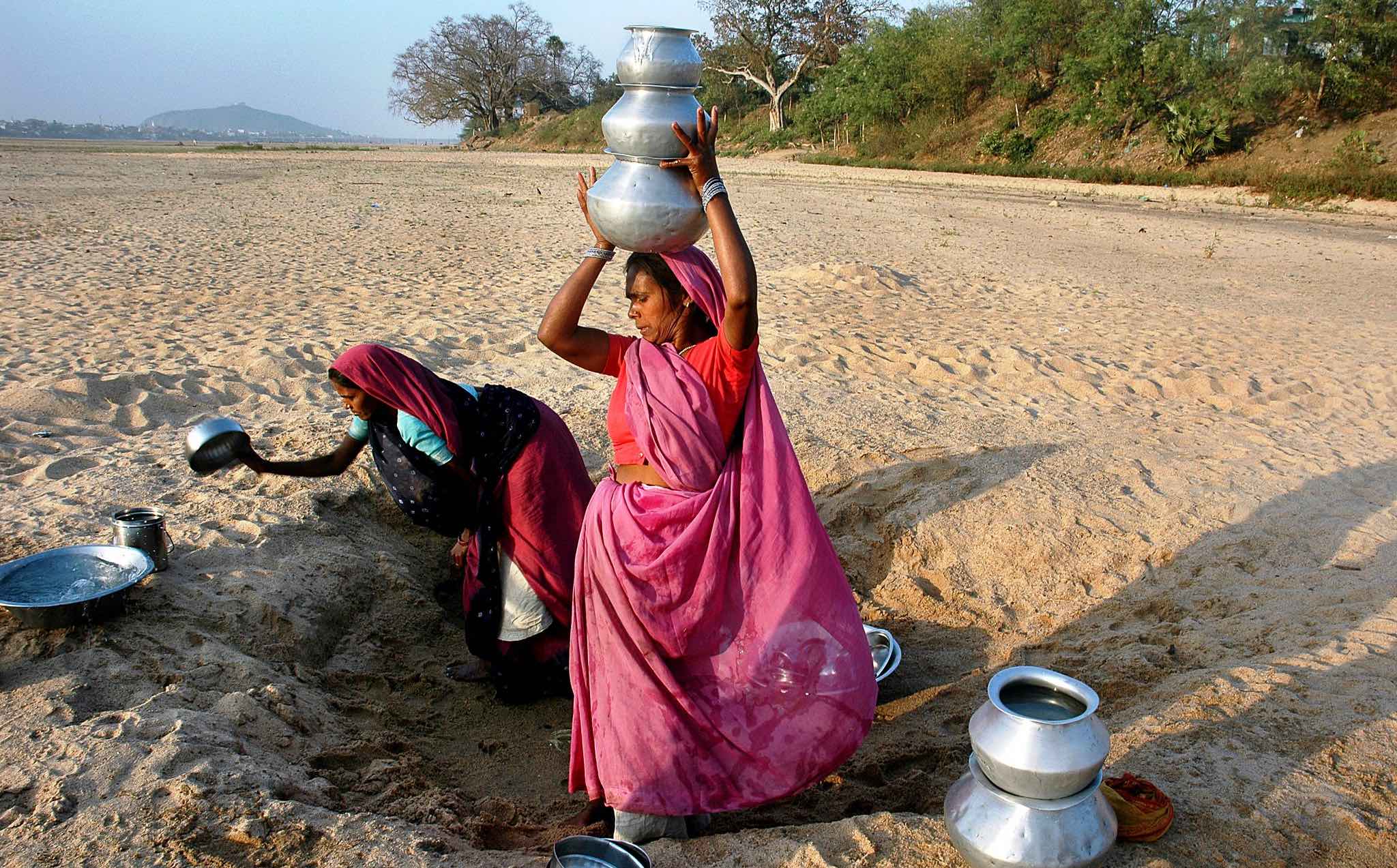
Playing games to save water
World Water Day 2013 begins the International Year of Water Cooperation. Today, we highlight an innovative research project that helps strengthen cooperation to protect and conserve this precious natural resource. Recently, villagers in India and Colombia have been regularly gathering for a “game night.” But instead of Monopoly or charades, they play a game that simulates […]
-

Geographical information systems – not just a tool for geeks
By CGIAR Consortium. Originally posted in Consortium News South Sudan’s Sudd wetland is a vast area which affects water supply, livelihoods and biodiversity far beyond its borders. Yet until recently, there was scant scientific data on this, one of the largest tropical wetlands in the world. Now, an initiative led by the International Water Management […]
-

Global Food Policy Report Launch inspires new perspectives, fresh ideas, and calls to action
“Don’t just ‘walk the talk’ — run, or even fly, the talk!” IFPRI Director General Shenggen Fan made this call to action at a policy seminar yesterday to mark the release IFPRI’s second annual Global Food Policy Report. The event brought a full house to IFPRI’s DC office to hear perspectives on food policy developments, trends, and […]
-

Celebrating the One-Year Anniversary of the Women’s Empowerment in Agriculture Index
By Emily Hogue, Team Leader for Monitoring and Evaluation, Bureau for Food Security, USAID. Originally posted in Feed the Future Blog Last March, Feed the Future launched a tool to measure women’s empowerment in agriculture—the first of its kind. The Women’s Empowerment in Agriculture Index—developed by USAID, the International Food Policy Research Institute (IFPRI), and the […]
-

Double burden: Rural Pakistani women
From former Prime Minister Benazir Bhutto to student activist Malala Yousufzai, Pakistani women from all backgrounds and age groups have been transforming the discourse of gender roles in Pakistani society. And they are making a difference: in the midst of a changing political, social, and economic environment, political victories for women have been few but […]
-

International Women’s Day
At IFPRI, every day is women’s day, as improving women’s lives is one of the most effective ways to reduce hunger. UN Special Rapporteur on the Right to Food Olivier de Schutter recently quoted an IFPRI study in a March 4 New York Times op-ed, The Feminization of Farming: “…as much as 55 percent of the reduction in […]
-

A User’s Experience with Arab Spatial
Shahira Emara, GDNet Knowledge Services Manager in the Global Development Network’s Cairo office, shared her thoughts on the new Arab Spatial tool. How is Arab Spatial beneficial for the Middle East and North Africa region? It’s one platform that brings many sorts of data together in one place and presents it visually. I live in Egypt, […]
-

Promoting Democracy in Fragile States
The seventh International Initiative for Impact Evaluation (3ie) and IFPRI Impact Evaluation Seminar will be held on March 8 at 12:30 EST. Cyrus Samii of New York University will present on how two different strategies for promoting free democratic expression impacted the 2011 Liberian general election. Samii will discuss results from the paper Promoting Democracy in Fragile […]
-

Introducing Arab Spatial: An Online, Interactive Atlas of the Arab World
The great hope that rose from the Arab awakening is being continually tested—not only by ongoing political unrest, but also by lesser known forces: volatile food prices and supplies, and grinding poverty. Translating hope to better lives rests on effective policy—and effective policy rests on access to adequate and accurate information, also in scarce supply […]
-

Aligning Learning Incentives of Students and Teachers
The Applied Microeconomics & Development (AMD) Seminar Series will continue on February 21 at 12pm EST with a presentation by Petra Todd of the University of Pennsylvania. Todd will speak about the impact of three different performance incentives schemes using data from a social experiment conducted in Mexican high schools. The paper, Aligning Learning Incentives of Students and Teachers: Results from a Social […]
-

Onions Bring Tears to the Indian Government
As a staple food in India, onions are relied upon by the wealthy, the poor, and everyone in-between. Skyrocketing onion prices mean a drastic cut in the quality of life for some, and hunger for many. In recent months, onion prices in the country have risen dramatically, due to drought and the resulting supply shortages. According […]
-

Man + Government + Machine: A Match Made in Ag Productivity Heaven?
Machines can do wonders for productivity, driving down the cost production and, ultimately, the consumer’s price for a given product. As agriculture in Africa becomes increasingly intensified, the demand for machines (such as tractors and power tillers) by smallholder farmers has similarly surged. In many developing countries, agricultural lands are vast in relation to the limited […]
-

IFPRI’s Mark Rosegrant Remembers Robert E. Evenson, Professor Emeritus of Economics, Yale University
Bob Evenson died on February 2, 2013. Bob was one of three main mentors in my career, and probably the most influential, even though I never took a course from him. Writing a paper with him amounted to a full-scale seminar. I first met Bob in 1976 in Los Banos, Philippines, where he was an […]
-

Reducing Food Price Volatility
While food price volatility has decreased since 2010, price spikes and unpredictable markets remain a significant threat to global food security. The uncertainty that stems from price volatility can cut into farmers’ profits and discourage long-term planning and investment, decreasing agricultural productivity. In turn, smaller harvests and lower food stocks can lead to further price […]
-

Coping with Climate Change in the Asia Pacific Region
Climate change could cause the production of irrigated and rainfed staple crops to drop by 25 percent compared to a no-climate change scenario in 2050 in the Asia Pacific region.IFPRI Senior Research Fellow Mark Rosegrant shared this and other findings at a conference in Sydney this week. Speaking to the Australian Agricultural and Resource Economics Society, Rosegrant assessed […]
-

Secretary Clinton and Her Food Security Legacy
US Secretary of State Hillary Rodham Clinton vacated her post at the State Department last week. She may be gone, but her legacy will not be forgotten. The development community will remember her unwavering commitment to raising the profile of hunger and poverty in the developing world as well as in the United States. Food […]
-

Godfrey Bahiigwa new office head for Eastern and Southern Africa Regional Office
Dr. Godfrey Bahiigwa has been appointed Office Head for IFPRI’s Eastern and Southern Africa Regional Office based in Addis Ababa, Ethiopia. Over the last 15 years, he has worked with national and international research organizations and has been actively involved in food and agricultural policy both as a researcher and a practitioner. He has extensive experience dealing with the […]
-

New South Asia research program promotes regional cooperation to fight undernutrition
Despite rapid economic growth in South Asia, its rates of child undernutrition remain the highest in the world, with nearly half of children stunted or underweight. Progress to reduce these rates is extremely slow. Ironically, most people in the region make their living from farming, which researchers say, offers great potential for improving nutrition. An ambitious […]
-

Boom and Bust, or Just Boom? What will it be for African agriculture?
Historically, African countries rich in natural resources have hinged their economic prosperity on the export of global commodities, and, as such, their economies fluctuate with the rise and fall of global commodity prices. Just look back to the tumultuous boom-and-bust cycle seen during the oil and food crisis of the 1970s: short-lived prosperity followed by […]
-

In remembrance of a lifelong champion for sustainable agriculture: Monty Yudelman
Dr. Montague Yudelman, an influential leader in agricultural development, died on January 22, 2013. Yudelman (known as “Monty” to his friends and colleagues) was, in the words of IFPRI Director General Shenggen Fan, “truly a giant in our profession.” Yudelman’s experience growing up on a family farm in South Africa sparked an active engagement in […]
-

Putting farmers at center of targeted investments in agriculture
One tends to think of farmers, especially low-income smallholder farmers, as the recipients of public investment for agriculture. At an IFPRI event earlier this week, a panel of experts turned that perspective around, pointing to research that showed farmers themselves as the largest, most important, investors in agriculture. The question remains, then, how can development […]
-

The Impact of Cash Transfer Programs on Labor and Assets in Kenya
The sixth International Initiative for Impact Evaluation (3ie) and IFPRI Impact Evaluation Seminar was held on January 31 at 12:30 EST. Paul Winters of American University spoke about how the Kenya Cash Transfer Programme for Orphans and Vulnerable Children (CT-OVC) has impacted individual and household decisions regarding labor, productive activities, and accumulation of productive assets. Winters discussed […]
-

The World in 2050
IFPRI’s Mark Rosegrant and Siwa Msangi spoke at the conference, offering ideas on how to improve food security in the face of climate change, water stress, and other challenges. Rosegrant shared that more than one-third of the world’s population and almost 40 percent of grain production are at risk due to water stress. Using IFPRI’s IMPACT model to create future scenarios, Rosegrant said that […]
-

The Perfect Fit: Which Social Protection Program is Best?
Governments looking to deploy social protection programs that combat hunger and poverty want a no-nonsense description of their options and a way to compare each program’s cost and impact. Policymakers and economists have long debated whether it is more effective and cost efficient to give poor and hungry people food or cash. To help answer […]
-

Workshop Highlights Landmark Survey of Food Security in Rural Bangladesh
Policymakers, researchers, and other stakeholders are gathering today in Dhaka, Bangladesh to discuss the country’s food security in at the workshop “The Feed the Future Zone and the Rest of Bangladesh: A Comparison of Food Security Aspects.” The workshop is organized by IFPRI and funded by the U.S. Agency for International Development (USAID). The workshop […]
-

“A hungry nation is an angry nation”
Dr. Betty Achan Ogwaro was interviewed during a visit to IFPRI in October 2012 “A hungry nation is an angry nation. A hungry house is an angry house…” Those words by Dr. Betty Achan Ogwaro, Minister of Agriculture, Forestry, and Rural Development of the newly formed Republic of South Sudan, set the tone for a […]
-

Building on gender policy reforms in Ethiopia
thiopians have a saying: “Little by little, the egg begins to walk.” This is certainly true of step-by-step progress towards gender equality on the African continent. Sometimes, however, that little egg gets a boost when seemingly unrelated policy reforms act together to reinforce and strengthen their impact on women’s empowerment. A study by IFPRI researchers Neha […]
-

The Rise of Wheat in Africa
When you think of popular food staples in Africa, wheat doesn’t necessarily come to mind first. Maize, green bananas, yams, cassava – sure. But wheat, the main ingredient for bread and pasta? In fact, the demand for wheat has been steadily rising in African countries, helped by a massive urban migration of people, who need […]
-

Name-Brand Products: Boon or Bust for Farmers and Consumers?
Should I buy packaged goods, or bulk? Generic or name brand? The questions long-faced by consumers at pharmacies and grocery stores are now being asked at farmers’ markets in the developing world as wholesalers and merchants try to profit with brand-name, glossy-packaged agricultural products. So the question IFPRI researchers are asking is: How does the branding […]
-

Modernization of Staple Food Value Chains Ensuring a Food-Secure Asia
sia is home to more than two-thirds of the world’s poor and hungry. And as populations around the world continue to grow, the region’s most vulnerable people will be faced with even greater challenges in the coming decades. Climate change and unsustainable resource use are likely to impede agricultural productivity, exacerbating already high and volatile […]
-

USAID Administrator Shah inspires and calls for action at IFPRI event
The US government is “doubling down” on hunger and food security in the new presidential term, with a major focus on scaling up proven agricultural technologies to reach as many people as possible – and it would like the help of the international agricultural research community. That was a key message by USAID Administrator Rajiv Shah when he spoke at […]
-

Understanding Heterogeneity: Risk and Learning in the Adoption of Agricultural Technologies
The fifth International Initiative for Impact Evaluation (3ie) and IFPRI Impact Evaluation Seminar will be webcast live on December 13 at 12:30 EST. Andrew Zeitlin of the Georgetown Public Policy Institute will speak about lessons learned from a study of fertilizer use among cocoa farmers in Ghana. Zeitlin will discuss results from the paper Understanding Heterogeneity: Risk and Learning in the […]
-

Disappointment in Doha
The UN Doha climate change negotiations, ending tomorrow (Saturday), have been tough going. As the bottom drops out of the carbon market, negotiators are locked in dispute about renewing the Kyoto Protocol to reduce carbon emissions (which expires in January), creating a new one, or–what’s looking possible–simply not taking any decisive action at all – […]
-

Are we headed for a “food cliff”?
By now, most Americans have heard of the pending “fiscal cliff,” but have they heard of the “food cliff?” According to Josette Sheeran, Vice-Chairman of the World Economic Forum (WEF) and former Executive Director of the World Food Programme (WFP), falling off this precipice could have even more dire and far-reaching consequences than America’s financial […]
-

IFPRI welcomes new Australian food security research center
Last week’s launch of the Australian International Food Security Center heralds a new level of collaboration between Australian and African policymakers—and research from CGIAR and IFPRI is playing a role in the dialogue. Two IFPRI researchers presented at the new center’s November 30 launch event in Sydney, a forum titled “Food Security in Africa: Bridging Research and Practice.” A sampling of the policymakers […]
-

Food and nutrition debated in Italy
What better place to talk about food than Italy? And that’s just what happened this week in Milan: a global discussion about how food is grown and distributed; who has plenty, who doesn’t – and why; and what the future holds for our ability to supply and fairly distribute adequate, nutritious food. Organized by the Barilla Center […]
-

Bad deals for poor people?
During the past 10 years governments, agricultural firms, and investors have been quietly buying or leasing land in other countries for agricultural use. The amount of land is not insignificant: since 2000, purchases and leases have added up to an area larger than France, mostly in Africa and Asia, where land is cheaper and regulations […]
-

Honors go to IFPRI’s South Asia Director
Congratulations to PK Joshi, IFPRI’s Director for South Asia, who was honored with two awards at the recent annual conference of the Indian Society of Agricultural Economics. Joshi received the fourth biennial Professor R C Agrawal Award of Excellence for outstanding contributions to the field of agricultural economics. Joshi was also named a Fellow of the Indian Society of Agricultural […]
-

Securing Foreign Aid Impact in a Time of Fiscal Austerity
With a global financial crisis stripping investor confidence and budget cuts looming for traditional donor countries struggling under mountains of debt, it’s reasonable to be concerned about potential decreases in foreign aid. Even Bono, the famous frontman for the rock band U2, is campaigning on the issue, appealing to US policymakers this month “to spare U.S. development assistance programs from […]
-

Collective action: the poverty-reducing power of groups
It all comes down to power. That’s one major point from a new IFPRI issue brief that contends that collective action—when a group decides to act together to form a voluntary institution—and property rights have a strong and beneficial impact on a range of conditions faced by the world’s poor. Underlying power relations are often at the […]
-

Ghana’s trouble with chocolate
The production of cocoa—the basis of chocolate—has been a pillar of Ghana’s well-documented economic success. In fact, Ghana is currently the second largest cocoa producer in the world. However, recent challenges are making Ghanaians nervous. The world wants chocolate more than ever, and global demand for cocoa is up, but dryer weather is causing Ghana’s […]
-

Will food security follow the Arab Spring?
In the aftermath of the “Arab Spring”—a series of demonstrations, protests, and wars that swept through the Arab world during 2010-2011 and toppled several governments in the region—many researchers identified rising food prices and the resulting food insecurity as underlying causes. Yet even after leadership changes in many countries, food price volatility, food insecurity, and […]
-

IFPRI launches new policy “situation room” in Bangladesh
If Bangladesh is to find a way out of poverty and poor nutrition, it needs timely and accurate information about the way its farmers are growing food, using water, accessing markets, and developing agricultural resources. Until now, such data was hard to come by. But this past weekend, IFPRI’s program in Bangladesh took a big step […]
-

IFPRI showcases latest research at international ag research conference
The resort of Punta del Este in Uruguay, South America is famous for beautiful beaches and elegant casinos. This week, however, it became known for another reason: the world’s top researchers, thought leaders, and stakeholders are gathering there for the second Global Conference on Agricultural Research for Development (GCARD), to find ways together to best address […]
-

Biofuel Policies Re-examined
As temperatures rose and crops withered throughout the US in July and August, the country’s corn ethanol subsidies came under fire. And the US is not alone. The use of food crops, such as maize, soybeans, and sugar beets, as fuel continues to generate heated debate throughout both the developed and the developing world. Proponents […]
-

South Sudan’s agriculture minister speaks at IFPRI
Everything is new in the Republic of South Sudan, which by merit of having achieved independence from Sudan on July 9, 2011, now ranks as the newest country in the world. So when Minister of Agriculture H.E. Dr. Betty Achan Ogwaro visited IFPRI earlier today to present a “new path forward” for agriculture and food security in […]
-

IFPRI and Open Access
IFPRI is committed to ensuring that the knowledge it generates is easily accessible. And what better time to spell out this commitment than Open Access Week , which runs from October 22-26, 2012? Check out IFPRI’s statement on Open Access, which outlines how making knowledge discoverable and available is critical for furthering IFPRI’s mission of finding sustainable solutions to reducing […]
-

IFPRI invites comments on draft strategy
During the past year, IFPRI has been drafting a new institutional strategy. IFPRI’s draft strategy for 2013-2018 is intended to respond to changes in the food and agricultural policy landscape, as well as reinforce the Institute’s position as an evidence-based research organization that partners for impact. Among the strategy’s innovative elements are six research priorities that address the […]
-

Large-Scale Nutrition Research Project Launched on World Food Day
Undernutrition is the underlying cause of death for 2.6 million pre-school children every year—one-third of all child deaths in that age group. For those who survive, poor nutrition undermines school performance and later earning capacity. And still, with human and economic costs so high, the world has made little progress in slowing the rate of undernutrition. […]
-

IFPRI’s Research on Agricultural Cooperatives
Farmers, especially smallholders, are better off working collectively. That’s the idea behind agricultural cooperatives, a concept that has been around almost as long as farming itself. Today, especially in the developing world, these collectives can be so beneficial—on an economic, social, and even political level—that they can help to lift the poor out of poverty. When […]
-

Voices of the Hungry
Tajik farmer Tomnissoi Davlat is worried about energy. “This year, I only harvested 500 kilograms of wheat per hectare. I’ve sowed my seeds too late because the fuel prices rose sharply at the beginning of spring. (…) Until I had enough money, food, and the plowing services, it was too late.” Indian farmer Fulmani Mandi is worried […]
-

Scarce Resources Lead to Persistent Hunger
Hunger is in the headlines. A drought that swept the African Sahel left 18 million people on the brink of starvation. A food price crisis prevented families across the globe from buying enough to eat. Civil unrest and natural disasters around the world left millions of displaced people scrambling for food. The seventh edition of IFPRI’s Global […]
-

International Day of the Girl
October 11, 2012 is the United Nation’s International Day of the Girl, dedicated to girls around the world because they suffer most from poverty, poor health, discrimination, and violence. Improving the well-being of girls around the world requires targeted research and programming. Girls, especially those between the ages of 5 and 19, are often overlooked by […]
-

Strategies and Priorities for African Agriculture
What is agriculture’s potential to reduce poverty and promote economic development in Africa? IFPRI convened a panel of experts on October 9 to discuss key findings from a new book, “Strategies and Priorities for African Agriculture,” that tackles this question. The panel included Xinshen Diao, an IFPRI senior research fellow and the book’s lead editor, […]
-

IFPRI and Central American Integration System (SG-SICA) Sign Cooperation Agreement
Marking increased engagement in Central America, the International Food Policy Research Institute signed a Cooperation Framework Agreement with the Central American Integration System (SG-SICA) on September 21, 2012, at IFPRI headquarters.IFPRI Director General Shenggen Fan and theSG-SICA Secretary General Juan Daniel Alemán Gurdián made the commitment to strengthen cooperation between the organizations on issues related to food and nutritional […]
-

Fellowships on Gender and Agriculture Awarded
IFPRI and its partners are pleased to announce that Jessica Ham (University of Georgia), Brooke Krause (University of Minnesota), Christopher Manyamba (University of Pretoria), and Greg Seymour (American University) have been awarded a Ph.D. dissertation research fellowships on the Women’s Empowerment in Agriculture Index (WEAI). The first of its kind to directly capture women’s empowerment and […]
-

Fellowships on Gender and Agriculture Awarded
IFPRI and its partners are pleased to announce that Jessica Ham (University of Georgia), Brooke Krause (University of Minnesota), Christopher Manyamba (University of Pretoria), and Greg Seymour (American University) have been awarded a Ph.D. dissertation research fellowships on the Women’s Empowerment in Agriculture Index (WEAI). The first of its kind to directly capture women’s empowerment and […]
-

Program on Agriculture for Nutrition and Health Launches Website
The CGIAR Research Program on Agriculture for Nutrition and Health (A4NH), which is one of two such programs led by IFPRI, launched its website this week. The site features information on A4NH projects, including the related impact pathways, partnerships, and outcomes. It also provides summaries of past events and a calendar of upcoming events. “We hope this site will be instrumental in sharing information […]
-

Perennials are a Plus to Farmers in Sub-Saharan Africa
Planting trees and perennials (plants that live for two or more years) with food crops is a cost-effective way for smallholder farmers in Sub-Saharan Africa to boost yields and maximize limited resources, says a new Nature article co-authored by IFPRI’s Cindy Cox. The practice, called perenniation, improves soil fertility, which is one of the greatest challenges facing these […]
-

Lean No More: Ethiopian Farmers Benefit from Anti-Hunger Program
For several months each year, poor farmers in Ethiopia, especially those in drought-prone areas, go hungry. During the so-called “lean” period between planting and harvesting, food supplies can run dangerously low. Sometimes, families have to sell livestock, farming tools, and other precious assets to pay for food. In the past, the government and donors swept in […]
-

AGRODEP Continues to Build Capacity of African Researchers
Since its inception in 2010, AGRODEP (African Growth and Development Policy Modeling Consortium) has aimed to strengthen the capacity and reach of African researchers. The Consortium enables African researchers to become part of a large network of researchers and experts from Africa and beyond and provides opportunities to engage in ongoing debates on policy issues facing African countries […]
-

AGRODEP Releases Latest Bulletin
The African Growth and Development Policy (AGRODEP) Modeling Consortium has released the second edition of its AGRODEP Bulletin, a publication providing insights into major economic development issues in Africa. The Bulletin introduces research and capacity building activities undertaken by AGRODEP and announces publication of new economic data and statistics on Africa. Read more. In addition to AGRODEP activities, the bulletin highlights a paper by Senior Research […]
-

How to Feed More than Half the Population
Asia—home to more than half of the world’s population—has made strides in staving off hunger and boosting the nutrition of its billions of residents. But food security challenges facing the region—from volatile food prices and urban-rural disparities to land and water constraints and climate change—call into question how the world will manage to feed the […]
-

The Price of Party Going
What do droughts, food price spikes, and weddings have in common? They all have the potential to drive poor people further into poverty. A new IFPRI discussion paper reveals that frequent socializing is an unexpected reason why the health of children in impoverished rural China has improved little in past decades despite rapid annual income growth. The rich […]
-

IFPRI Alumna Wins Yara Prize for an African Green Revolution
Two women making great strides in reducing hunger and poverty in Africa—both of whom have ties to IFPRI— were tapped today as recipients of a prestigious, Africa-focused prize. Yara, a Norwegian fertilizer producer, awarded Dr. Eleni Gabre-Madhin, founder and outgoing CEO of the Ethiopia Commodities Exchange(ECX) and Dr. Agnes Kalibata, Minister of Agriculture and Animal Resources in Rwanda, the The […]
-

Cash Transfers, Behavioral Changes, and Cognitive Development in Early Childhood
The third International Initiative for Impact Evaluation (3ie) and IFPRI Impact Evaluation Seminar will be webcast live on September 6.Renos Vakis of the World Bank will speak about lessons from a randomized experiment on cash transfers and childhood development in rural Nicaragua. Shareen Joshi of Georgetown University will act as discussant. Vakis will discuss results from the paper Cash Transfers, Behavioral […]
-

Always a Bachelor, Never a Groom
What happens when there are too many men (and not enough women)? They become entrepreneurs, work harder and longer, and save more. That’s what two researchers revealed in a new IFPRI study on the economic impact of too many marriage-eligible men in 1960s Taiwan, China. In the late 1940s, defeat by the Chinese Communist Party drove one million Chinese Nationalist […]
-

Water Management Solutions for Sub-Saharan Africa and South Asia
The drought that parched the US corn belt this summer highlighted the devastating impact of scant rain on food production. For smallholder farmers in semi-arid areas of Sub-Saharan Africa and South Asia, where rain is rare or unpredictable—especially due to climate change—the challenge of watering crops is constant. If farmers in Africa, for example, were to tap into […]
-

Food Security and the Arab Awakening
The roots of the “Arab Awakening” run deep. Several factors—political, economic, and sociological—led to the popular uprisings that erupted throughout the Middle East and Northern Africa this decade. Key among these factors was high and volatile food prices. A group of IFPRI researchers attending a major economic gathering in Brazil this week will reveal in a panel session tomorrow that […]
-

How to Secure Food for the World
A series of natural disasters in several food producing countries have lowered current and future production forecasts and driven up prices of many staples central to the global agricultural market. Much of the United States is experiencing the worst drought since the 1950s. About 75 percent of the corn and soybean production in the US is being […]
-

The Impact of Rural-Urban Migration on Children Left Behind
China’s cities are attracting rural residents in droves. Since the 1990s, the number of Chinese migrating to urban centers from the countryside to find jobs has spiked. According to estimates, some 79 million rural residents migrated to cities in 2000, up from 20 million in 1990 and 45 million in 1995. The reasons for this […]
-

Facilitating Long-term Investments in Agricultural Technology
After decades of declining food prices, recent food, fuel and financial crises have ushered in a new reality. As outlined in the International Food Policy Research Institute’s (IFPRI) 2011 Global Food Policy Report, food prices rose dramatically in 2007-08 and then again in 2010-11. What’s more, prices of most cereals and meats are projected to keep […]
-

Strategies for African Agriculture
The new book Strategies and Priorities for African Agriculture, Economywide Perspectives from Country Studies builds on and adds to knowledge about why Africa has enjoyed ongoing economic stability, sustained economic growth, and improved governance since 2000. With the introduction of the Comprehensive Africa Agriculture Development Programme (CAADP) process in 2003 and African countries’ emphasis on agricultural growth and […]
-

Addressing the Ripple Effects of HIV/AIDS in Sub-Saharan Africa
A UNAIDS report released in advance of the 19th International AIDS Conference taking place this week in Washington reveals that the number of people infected with HIV/AIDS is declining and the number of people receiving treatment—including those in low and middle income countries—is increasing. But in Sub-Saharan Africa, where HIV/AIDS still kills millions each year, the disease doesn’t just take a heavy toll on the […]
-

Delayed Monsoon Lowers Acreage in India
Farmers in India largely depend on monsoon rains to sow their crops—as much as 60 percent of the cropped area in India depends on these rains, which usually occur between June and September. However, rainfall this year has been 22 percent below normal for the country as a whole—and as much as 36 percent below normal […]
-

Karen Brooks to Lead Program on Policies, Institutions and Markets
IFPRI Director General, Shenggen Fan, announced Monday that Dr. Karen Brooks has been named as Director of the new CGIAR research program on Policies, Institutions and Markets. Brooks has worked for the World Bank for the past 20 years. For the last 10 years of her tenure there, she managed analytical and operational programs in agriculture and rural […]
-

Workshop Highlights IFPRI’s Research in Uganda
Researchers, practitioners, donors, and government officials gathered in Kampala Wednesday, June 27, for a workshop to showcase IFPRI’s ongoing research in Uganda and to facilitate discussions about current topics in agriculture and nutrition. Todd Benson, head of IFPRI’s Uganda Strategy Support Program opened the morning session. Bjorn Van Campenhout, IFPRI postdoctoral fellow, presented findings from studies […]
-

Poverty, Growth, and Income Distribution in Kenya
AGRODEP has published the first paper in its new Working Paper series. Poverty, Growth, and Income Distribution in Kenya: A SAM Perspective, by Wachira Rhoda Gakuru and Naomi Muthoni Mathenge, examines the relationship between demand-driven shocks and income generation, income distribution, and economic growth in the context of Kenya. Using the 2003 Kenya SAM to develop a multiplier simulation model, the paper finds that […]
-

Closing Brazil’s Early Childhood Education Gap
Recent research has revealed that the most crucial development in a child’s brain takes place in the first three years of its life. As a result, developing country governments have increasingly paid attention to the need for stronger early childhood education. Studies have shown that the brain’s most vital organizational, as well as social and emotional, […]
-

High-Level Report Identifies Actions Needed to Address Food Security and Climate Change
A report released by the United Nations Committee for World Food Security (CFS) this week offers policymakers with a set of expert recommendations about how to address the relationship between two of the century’s most daunting challenges: climate change and food security. “These challenges are inextricably linked, and so, we think, should be the world’s responses,” writes MS Swaminathan, […]
-

Global Atlas to Determine Farmers’ Potential to Grow More Food
The world’s population is growing, but its resources, including land and water, are finite. This means that if farmers are to feed 9 billion people by 2050—which would require them to roughly double current production—they will have to make their fields work harder without transforming forests and other precious ecosystems into additional cropland. Researchers at IFPRI and elsewhere […]
-

IFPRI Workshop Focuses on Agricultural Extension and Productivity in DRC
The Democratic Republic of Congo (DRC) has been the subject of buzz in the international development community as supporters are rallying funds, intellect, and awareness around the country’s intent to experience the same positive developments in child mortality as its neighbors and to begin filling in the gaps where there is a dearth of development. Ben Affleck, […]
-

Agriculture Game Changers at Rio+20
The world’s population is growing and its climate is changing—at the same time, its land and water resources are running out. Two recent events at the United Nations Conference on Sustainable Development (Rio+20) put a spotlight on how agriculture can keep up with these challenges. During an official, IFPRI-led side event on sustainable agriculture and […]
-

Program on Policies, Institutions and Markets Launches Website
The CGIAR Research Program on Policies, Institutions and Markets, which is led by IFPRI, launched its website today. Designed to provide information about the program’s research agenda, the site also highlights related events—including the upcoming priority-setting event set to take place in New Delhi on July 3, 2012. The Program’s four themes—Effective Policies and Strategic Investments; Inclusive Governance and Institutions; Linking […]
-

A Tribute to Elinor Ostrom
Elinor Ostrom’s death on 12 June, just days before the Rio+20 conference, is an enormous loss. But her life’s work offers many lessons for the deliberations, decisions and path to progress at and after Rio. Many of the most crucial resources for a sustainable future are related, in one way or another, to the commons – […]
-

Land and Rio+20
The planet’s most precious—and endangered—resources are under our feet. According to a new UN Convention to Combat Desertification (UNCCD) report, soils are often overlooked in sustainable development discussions though they are essential to current and future water, energy, and food security. Human reliance on the earth for food, fuel, settlements, roads, minerals, and more is a given. But […]
-

Tracking the 2012 G20
Food insecurity poses a daunting challenge to the G20’s goals of global economic growth and development. The impacts of high and volatile food prices in 2007-2008 and 2010-2011 remain widely visible, as seen during the 2011 Horn of Africa food crisis. Since 2001, commodity price volatility has been at its highest level in 50 years. […]
-

Improving Agricultural Growth Critical to Global Food Security
With a growing global population and rising incomes, global collaboration is urgently needed to ensure sustainable agricultural growth and food security. The issue of food security and development was first taken up at the 2010 G20 Summit in Seoul, with the 2011 G20 Action Plan providing further commitment to the goals of sustainable agricultural development. […]
-

Challenging the Environmental Migration Myth
Some experts believed that by 2010, up to 50 million “environmental refugees” would flee their lands due to the dramatically negative effects of climate change. Such claims, however, are not based on the actual responses of households and communities to climate change but on broad estimates of the number of people “at risk” from the […]
-

A Green Economy and the Poor
One of the pillars of discussion at the United Nations Conference on Sustainable Development (Rio+20) will be the green economy—an economy that pursues growth while promoting sustainable development through efficient use of resources, in particular natural resources such as water, arable land, and energy. The world’s population is expected to grow to more than 9 […]
-

Collective Action and Property Rights Sourcebook Now in Spanish
A Spanish-language version of the popular CGIAR Program on Collective Action and Property Rights (CAPRi) sourcebook is now available. The sourcebook, Recursos, derechos y cooperación Manual de herramientas de referencia sobre derechos de propiedad y acción colectiva para el desarrollo sustentable, illustrates—through text and original hand-drawings—the lessons the CAPRi program has learned from its nearly 16 […]
-

Debt Structure, Entrepreneurship, and Risk: Evidence from Microfinance
The second International Initiative for Impact Evaluation (3ie) and IFPRI Impact Evaluation Seminar was webcast live on June 6. Erica Field of Duke University spoke about lessons from microfinance on debt structure, entrepreneurship, and risk. David Roodman of the Center for Global Development served as discussant. Field presented results from the paper Debt Structure, Entrepreneurship, and Risk: Evidence from Microfinance. This […]
-

Why Does Poverty Persist?
Why do some people fall into the trap of chronic poverty and others are able to escape it? IFPRI convened a panel of experts yesterday to shed some light on factors that lead to chronic poverty, and policy actions that may help pull households out of it. The panel included Bob Baulch from the Chronic Poverty Research Center, IFPRI’s Agnes […]
-

IFPRI Event at Rio+20 to Evaluate Farming Technologies
By 2050, the world’s population will reach nine billion. At the same time, climate change could decrease crop yields by 20 to 30 percent. The urgent need for farmers to sustainably feed more people in a changing climate is one reason why United Nations Conference on Sustainable Development organizers identified food as one of seven areas in […]
-

Addressing Emerging Issues in Africa
Foreign direct investment (FDI) in developing countries has grown in importance in recent years, with increasing attention being paid to the potential impacts on agricultural development and food security for the developing world. In May, the FAO Committee on World Food Security endorsed the establishment of global guidelines on land tenure and access to natural resources, addressing […]
-

Meeting the Green Economy Challenge in Africa
Ensuring access to safe, sufficient, nutritious, and sustainably grown food under a changing climate is a challenge for decisionmakers in Africa. Though adapting to climate change is only one of the issues that will be addressed by Rio+20 negotiators in June, it is a crucial issue facing Africa. It is anticipated that extreme weather events will […]
-

Insights on Malawi’s Economic Growth Strategy
Following democratization in 1994, the Malawi government put great emphasis on reducing poverty. The predominantly agrarian economy has had little rural-urban migration and Malawi’s current level of industrialization and urbanization is low by world standards. A recent paper analyzes Malawi’s dependence on an agriculture-based development strategy. The authors find that the country currently does not place sufficient […]
-

Obama Launches Africa Food Security Alliance
President Barack Obama announced today at a major food security event in Washington, DC the launch of multi-billion dollar initiative in Africa that he said is designed to “reduce hunger and lift tens of millions of people from poverty.” The G8 countries will sign this agreement at their summit in Camp David this weekend. During his address […]
-

Improving Pastoralist Livelihoods in the Horn of Africa
The 2010-2011 drought in the Horn of Africa affected over 13 million people, most of whom were pastoralists. This group of people earn a living by raising livestock, producing firewood and charcoal, and engaging in a variety of other non-salaried forms of work. The size of this population in the Horn of Africa is estimated […]
-

Biofuels and a Green Economy
The role of bioenergy in a green economy, a subject of heated debate and concern among members of the international community, will be a topic of discussion at the Rio+20 negotiations. As IFPRI’s Global Food Policy Report reveals, biofuels were once viewed as a means to reduce dependence on fossil fuels, whose carbon emissions contribute to climate change. Now, […]
-

New IFPRI Book Provides Insight into Food Aid Debate
Foreign aid to developing countries is the subject of debate among economists and development specialists. While some argue that aid promotes prosperity and reduces poverty, others assert that it hurts the economy and fosters poverty. Still others argue that aid has little impact one way or another. There is also disagreement about whether or not […]
-

New Seminar Series Looks at Impact Evaluation
With more and more money being spent on international development programs, there is growing demand from donors and policymakers for evidence that such programs actually make a difference in the lives of the world’s poor. The field of impact evaluation looks to answer the questions of whether research has led to desired policy changes and […]
-

HarvestChoice Launches New Website
HarvestChoice has just made accessing data about agriculture in Sub-Saharan Africa easier. Launched this week, the newly-revamped HarvestChoice website gives easy access to interactive tools based on live databases and model simulation results. The cutting-edge MAPPR, for example, enables users to pick and choose among hundreds of “layers” of map-based information about all aspects of smallholder agriculture in […]
-

Greening Agriculture in South Asia
South Asia is a paradox. The region enjoys high economic growth but suffers from extreme poverty, undernourishment, and the deterioration of its natural resources. It houses more than 42 percent of the world’s poor earning less than US$ 1.25 per day. Undernourishment is widespread, especially among women and children. Nearly 21 percent of the population is undernourished. […]
-

Indigenous Adaptation Strategies for Improving Land Degradation in Ethiopia
In spite of Ethiopia’s widespread poverty and weak capacity for resilience against climate change, one region has used indigenous adaptation strategies to combat land degradation. People in the Tigray highland region of the country have mobilized collective action to manage land degradation exacerbated by the area’s poverty, high population, and recurrent droughts. A recent paper by Tyhra […]
-

Copenhagen Consensus Paper Suggests Investments for Improving Food Security
If you had $75 billion for worthwhile causes, where should you start? That is the question the Copenhagen Consensus project posed to researchers worldwide. John Hoddinott, Mark Rosegrant and Maximo Torrero answered, by building on the project’s 2008 findings that micronutrient interventions are the most effective low-cost investments to combat hunger. To increase food security they argue policymakers should continue to […]
-

Marriage and Rising Housing Prices in China
As a result of the preference for males, China’s one-child policy has significantly impacted the country’s sex ratio. The ratio of males to females is about 6 to 5. The disparity has increased competition in the marriage market. The effect of this imbalance on urban housing prices in China is the topic of a recent paper published […]
-

Global Food Policy Report Launched Today
2011 saw significantly increased support of agriculture and food policy as tools for global poverty reduction. It also brought serious challenges, most notably in the form of food price volatility, extreme weather shocks, famine, unrest, and conflicts. IFPRI’s new flagship publication, the Global Food Policy Report, presents a broad picture of 2011’s major food policy […]
-

Climate Change and Farmers
Farmers around the world are grappling with the impacts of climate change and their struggle is only going to get worse as extreme weather events, shifting weather patterns, and increased temperatures make it more difficult to grow enough food to feed an increasing world population. Climate change “has already affected agricultural productivity and will put […]
-

Price Spikes, Volatility, and Global Food Markets
The 2007-2008 and 2010-2011 food price crises have had lasting impacts on global food security, and the world will likely continue to face high prices and price volatility, given the global food economy’s structure. Since 2001, food price volatility has been at its highest level in 50 years, and the uncertainty caused by this volatility […]
-

Understanding China’s Overseas Economic Zones
Chinese expansion and foreign investment in developing countries has garnered great attention due to China’s growing sphere of influence in the developing world. The lack of transparency and poor data on Chinese overseas investments and China’s official policies of government support has hindered thorough analysis of the motivations behind its foreign investments, particularly in its […]
-

Effects of the 2008 Food Crisis on Households in Tajikistan
Transition countries in the former Eastern bloc have struggled with economic decline since the 1990s. The magnitude of economic decline was significantly higher in Tajikistan than that in other countries in the region. In the 1990s the country’s agriculture production collapsed due to civil unrest and the breakdown of economic linkages in the former Soviet […]
-

Achieving Food Security in the Face of Climate Change
How will the world feed a growing population in the face of climate change? According to a major report released by a group of influential scientists last week, the sustainable intensification of agriculture and the elimination of food waste and loss are among the building blocks of a resilient global food system. “Food insecurity and climate change […]
-

The Impact of Natural Disasters on Migration in Bangladesh
Recent research indicates that climate change-related natural disasters will cause an increase in human migration and displacement. A paper published in the Proceedings of the National Academy of Sciences seeks to further investigate this issue in rural Bangladesh. In Bangladesh, climate change is expected to increase the prevalence of natural disasters. While previous qualitative studies relate […]
-

Putting Gender on the Map in Sub-Saharan Africa
No stone should go unturned in efforts to boost agricultural productivity in Sub-Saharan Africa. Yet researchers have only begun to give serious attention to one crucial aspect of this complex challenge: gender. On World Water Day, IFPRI and the International Water Management Institute (IWMI) launched an innovative mapping tool that gathers and displays information about gender-defined farming roles—including […]
-

World Water Day 2012
Every year, the United Nations chooses a new theme to focus people’s attention when it comes to thinking about our planet’s water resources. This year, they selected “Water and Food Security”- a topic near and dear to the hearts of IFPRI and its many stakeholders throughout the world. As part of its celebrations for World Water Day […]
-

Resource Rich Yet Malnourished
The Democratic Republic of Congo (DRC) has the highest rate of malnutrition in the world. The country possesses 80 million hectares of arable land, but only 10 percent is being used. The DRC is an anomaly as it fails to use its vast land and water resources to feed itself. In a discussion paper on malnutrition in the DRC […]
-

Global Conference on Women in Agriculture
Improving the role of women in agriculture has been at the forefront of IFPRI’s research for the past fifteen years. Despite the fact that women make up 43 percent of the agricultural workforce, their access to agricultural assets are significantly less than that of men. Ameliorating the gender gap in agriculture has the ability to […]
-

International Women’s Day 2012
On March 7th, the eve of International Women’s Day, a launch event was held at the Houses of Parliament for the Women’s Empowerment in Agriculture Index (WEAI). The Index was released at the UN in New York on February 28. The theme for this year’s International Women’s Day is “Empower Rural Women — End Hunger and […]
-

AGRODEP Releases First Edition of Bulletin
The African Growth and Development Policy (AGRODEP) Modeling Consortium released its first edition of the AGRODEP Bulletin, a publication providing insights into major economic development issues in Africa. The Bulletin introduces research and capacity building activities undertaken by AGRODEP and announces publication of new economic data and statistics on Africa. Read more. In addition, AGRODEP has launched its third round of membership application. Qualified […]
-

New Website Highlights IFPRI’s Research Communities
IFPRI is pleased to announce the launch of its new website, IFPRI.INFO. The new site complements IFPRI’s main website, IFPRI.ORG, which has an institutional focus. IFPRI.ORG presents, for example, official research results and publications, descriptions of IFPRI’s research programs, and content from major IFPRI-hosted events. The new site, IFPRI.INFO, is the face of IFPRI’s research communities. It’s a new platform that brings together the […]
-

IFPRI and WFP Celebrate Common Goals by Signing Cooperation Agreement
The International Food Policy Research Institute and the World Food Programme held a joint reception for the signing of their new Cooperation Framework Agreement on February 27 at IFPRI headquarters. Both IFPRI Director General Shenggen Fan and WFP Executive Director Josette Sheeran put pen to paper after speaking positively of the two institutions’ past collaborations […]
-

Climate Change in Yemen
The new IFPRI Discussion Paper “Climate Change and Floods in Yemen” by Manfred Wiebelt, Clemens Breisinger, Olivier Ecker,Perrihan Al-Riffai, Richard Robertson , and Ranier Thiele assesses the impact of climate change on Yemen’s economy and food security. The effects of climate change are extremely salient considering Yemen’s high levels of food import dependency, food insecurity, and poverty. An estimated 43 percent of Yemenis live […]
-

Nutrition Research Highlighted
Donors, governments, and researchers throughout the world are recognizing the dire effects of malnutrition, and the importance of policies and programs to fight it. Programs and research to improve nutrition are coming to the forefront of global discussions on poverty and hunger, and government officials are realizing that simply filling bellies will not fill important […]
-
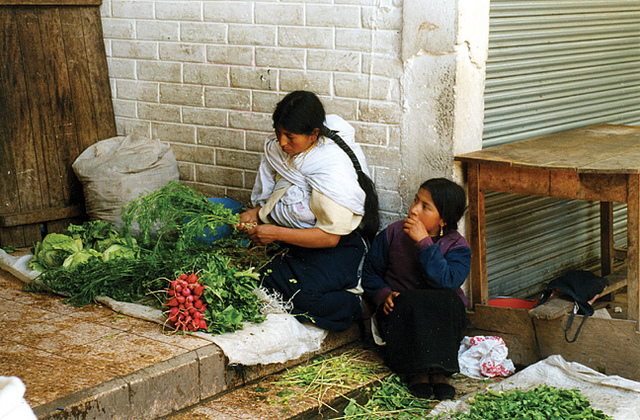
The Women’s Empowerment in Agriculture Index
The United States Agency for International Development (USAID), the International Food Policy Research Institute (IFPRI), and the Oxford Poverty and Human Development Initiative (OPHI) have come together to develop a Women’s Empowerment in Agriculture Index to measure women’s roles and engagement in the agriculture sector. Women are a primary focus of the US Government Feed the Future […]
-

Integrated, sustainable, and shared growth at Davos
This year’s World Economic Forum Annual Meeting in Davos took place as the world faces slowed and uncertain economic growth and continuing shifts in economic power toward emerging and developing economies. Discussions focused on unemployment, increasing inequality, and the alarming speed at which we are approaching the limits of natural resource use. All of these […]
-

P. K. Joshi Named New Director for South Asia
IFPRI welcomes a familiar face to the role of South Asia director with the appointment of Pramod Kumar Joshi on February 1, 2012. After serving as the Institute’s South Asia coordinator from 2003 to 2006, P. K. became the director of the National Academy of Agricultural Research Management in Hyderabad before rejoining IFPRI as senior program manager in New Delhi. […]
-

IFPRI to Lead Two New CGIAR Research Programs
In January 2012 IFPRI is launching two major research programs. These CGIAR Research Programs (CRPs), led by IFPRI, will bring together researchers from across the CGIAR centers to address some of the most pressing problems facing the global food system. The first of these two programs—Policies, Institutions, and Markets to Strengthen Food Security and Incomes […]
-

Gwendolyn Stansbury Becomes New Communications Division Director
The new year brings with it exciting changes at IFPRI, including a new director for the Institute’s Communications Division. Gwendolyn Stansbury begins her role as the division’s director on January 3, 2012. She has been at IFPRI since 2006, serving most recently as head of the Publications Unit. Gwendolyn received a master’s degree in journalism from Columbia […]
-

Rosegrant to Present at Rio+20 Intersessional Side Event
IFPRI’s Mark Rosegrant will present today at an official side event of the 2nd Intersessional Meeting of UNCSD at the United Nations Secretariat in New York. He will discuss a current IFPRI project on the impact of agricultural technologies. Co-organized by IFPRI, Croplife International, and Farming first, the side event, Technology and Knowledge Sharing for Sustainable Agriculture, is one of only […]
-

World Trade Organization Director: “Stand up for the values of multilateralism”
Pascal Lamy, Director General of WTO, foresees that “the cost to the world economy of high intensity protectionism would be in the order of $ 800 billion, the estimated value of space or “water” in WTO commitments today,” which would be very bad news. He called on members to “stand up for the values of […]
-

The State of Land and Water Resources
Without land and water resources, agriculture cannot survive. But in a world facing increased scarcity of both, farmers—especially those in the developing world—are increasingly hard-pressed to feed the hungry. To assess the scope of this pressing problem, the FAO recently launched an authoritative study of the global status of land and water resources. The State of Land and Water […]
-

Brussels Development Briefing on Food Price Volatility
Food price volatility is one of the most critical economic and food security challenges facing policymakers today. Spikes in food prices can have a significant impact on incomes, markets, and nutrition worldwide and, in extreme cases, can cause widespread violence and social unrest. Understanding the causes behind price volatility and exploring policy responses to it […]
-

Climate Change and Food Security
Climate change experts from an influential bloc of developing countries known as BRICS—expected to play a key role in upcoming global climate change negotiations in Durban, South Africa—will gather in China next week to present new research on the impact of climate change on food security. Representatives of BRICS–Brazil, Russia, India, China, and South Africa–and […]
-

Food & Communication: Recipes for Development
On October 27, TEDxWashingtonCircle will host three speakers from different disciplines, who will come together and talk about their own experiences with development initiatives and share effective communication strategies. People in developing countries need easy access to useful information in order to improve their lives. Widened public awareness allows communities to devise and execute initiatives that lead […]
-

US Commodity Futures Trading Commission caps commodities trading
In a long-awaited move, the US Commodity Futures Trading Commission on October 18 approved limits on trading in the commodities markets. Specifically, the new rules limit the number of commodity contracts that any investor can hold in agriculture, energy, or metals contracts. The trade limits, originally mandated in the Dodd-Frank Financial Reform Act which was passed in […]
-
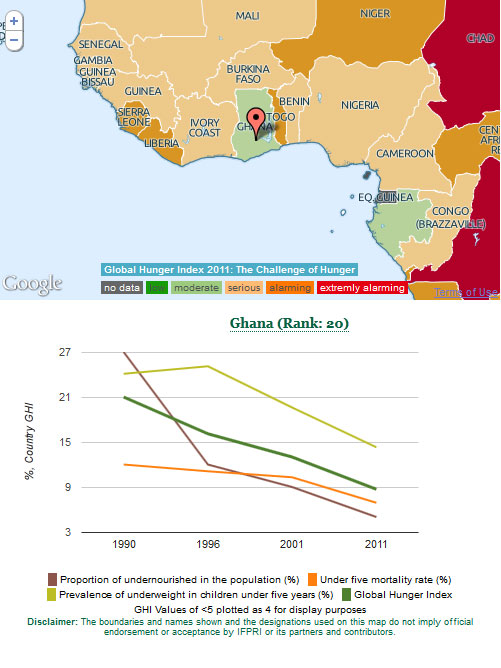
John Agyekum Kufuor Receives World Food Prize
John Agyekum Kufuor, President of Ghana from 2001-2008, received the World Food Prize at an award ceremony yesterday at the Borlaug International Symposium in Des Moines, Iowa. Kufuor’s economic and educational policies led to significant positive changes in Ghana during the first decade of the new millennium. Ghana recently attained middle-income status and will likely achieve the […]
-

2011 Global Hunger Index Launched
Today marks the launch of the 2011 Global Hunger Index (GHI) report, the sixth in an annual series, which presents a multidimensional measure of global, regional, and national hunger. This year’s report shows that although the world has made some progress in reducing hunger, the proportion of hungry people remains high. The 2011 GHI has improved […]
-

iPad Winners Announced
IFPRI congratulates the winners of the two iPad2s, awarded to two people who took part in the survey: The Potential of Agricultural Technologies, which closed on August 15. The two winners are:• Dr. Lalith Achoth, of Bangalore, India, and• Mr. Raoul Rademakers of Cochabamba, Bolivia. The iPads will be shipped soon, and we hope that the […]
-

World Water Congress
Water resource experts in the public and private sectors gather this week in Porto de Galinhas, Pernambuco, Brazil to examine the state of water management in the 21st century. Guided by four themes—adaptive water management, water resources and global change, governance and water law, and knowledge systems—participants of the XIV World Water Congress will assess the impact […]
-

Seeking Answers to Global Trade Challenges
The World Trade Organization this week hosted a public forum, “Seeking Answers to Global Trade Challenges”, which discussed the future of the multilateral trading system. The forum addressed four main topics related to global trade: food security, trade in natural resources, “made-in-the-world” and value-added trade, and the next steps for the global trading system. Markets, […]
-

Gender Equality and Development
This year’s World Development Report on “Gender Equality and Development,” released on September 19 by the World Bank, argues that gender equality is a core development objective in its own right; it is also smart economics. Greater gender equality can enhance productivity, improve development outcomes for the next generation, and lead to more representative institutions. The recent […]
-

Economics of Land Degradation
A recent IFPRI/ZEF study on the economics of land degradation was a topic of discussion at this week’s UN High-Level meeting on desertification. Andris Piebbalgs, the EU commissioner for development, cited the research findings in his speech to the General Assembly, and a side event followed where the study’s results and future actions were discussed […]
-

Policy Dialogue in DRC Highlights Difficulty Measuring Food Insecurity
On August 31st, IFPRI researchers gathered in Kinshasa with national policymakers and policy advisors, representatives from donor organizations and NGOs, and Congolese experts from academia and research institutions at a high level Policy Dialogue to discuss the state of nutrition and food security in the Democratic Republic of the Congo (DRC) and ways to improve it. Specifically, the […]
-

John McDermott to Head Program on Agriculture for Improved Nutrition and Health
IFPRI Director General, Shenggen Fan, announced today that John McDermott has been named as Director of the new CGIAR (Consultative Group for International Agricultural Research) research program on Agriculture for Improved Nutrition and Health. McDermott, who played a key role in the collaborative process to develop the program proposal, is the deputy director general and the director of research […]
-

The Water, Energy and Food Security Nexus
The International Food Policy Research Institute (IFPRI) partners with Government of Germany to organize the international “Bonn2011 Conference: The Water, Energy, and Food Security Nexus–Solutions for the Green Economy” to be held in Bonn, Germany from 16 to 18 November. In line with IFPRI’s water research, the goal of the multi-stakeholder conference is to devise solutions […]
-

Researchers challenge opposition to China’s engagement in Africa
In a recent article for the influential German news magazine, “Die Zeit,” IFPRI Senior Research Fellow Deborah Brautigam and coauthors Axel Berger and Philipp Baumgartner took issue with media criticism of China’s role in Africa. While some problems do exist, the authors argue that the conventional wisdom about China’s engagement in Africa is largely wrong. China’s aid is neither as […]
-

The impact of the food price crisis on calorie consumption in Latin America
From 2006 to 2008, the world experienced a dramatic increase in global food prices which especially affected the poor, whose diets depend on staple commodities such as maize, rice, and wheat. Miguel Robles and Lora Iannotti examined the nutritional impact of shocks in global food prices in Latin America by measuring the changes in calorie consumption in relation to […]
-

IFAD-IFPRI project promotes smallholder market access, climate change mitigation
In March 2009, the International Fund for Agricultural Development (IFAD) and the International Food Policy Research Institute (IFPRI) teamed up to advance innovative policies designed to help the poor benefit from climate change mitigation and improved market access. Results from the field are already pouring in. The overall goal of the IFAD–IFPRI Strategic Partnership Program is to provide rural poor […]
-

Women and Anti-Poverty Programs in Bangladesh
Bangladesh has made impressive strides towards poverty reduction in the last decade. However, women continue to bear the burden of extreme poverty and malnutrition, a result of long-standing gender bias in the allocation of food and other resources within the household. In a special issue of the Journal of Development Effectiveness, Agnes Quisumbing, Neha Kumar, and Akhter Ahmed examined the impact […]
-

The Enigma of Nutrition in India
Though India is one of the fastest growing economies in the world, many adults and children continue to be undernourished. An IFPRI paper co-authored by Derek Headey, Alice Chiu, and Suneetha Kadiyala, examines how agriculture and income growth influence consumption, as well as the impact of agricultural livelihoods on maternal health and childcare practices. Increased growth in the agricultural sector […]
-

IFPRI Researcher receives AAEA award
IFPRI senior researcher Gerald Nelson received an award yesterday at a major gathering of agricultural economists for an innovative 1997 publication that demonstrates how satellite images and other geographic data can be used to predict land use. The paper, Do Roads Cause Deforestation? Using Satellite Images in Econometric Analysis of Land Use, which Nelson wrote with […]
-

Migration: A Mechanism to Manage Agricultural Risk
As we increasingly recognize the far reaching impacts of climate change, research has turned greater attention to the concept of environmentally-induced migration. Vulnerable populations such as the poor and landless are more likely to migrate as a result of environmental shocks, such as drought or excessive rainfall. Recent studies of climate-related migration in northern Nigeria […]
-

New data on Ethiopian rural households released at Ethiopian Economics Association Annual Meeting
IFPRI has released the public use version of the latest round of the Ethiopia Rural Household Survey (ERHS) today at the Ethiopian Economics Association International Conference on the Ethiopian Economy. The ERHS is a collaborative effort of researchers at IFPRI, the School of Economics of Addis Ababa University, and Oxford University. The ERHS has collected household information about food consumption, assets, and incomes from […]
-

Famine in Somalia
On July 20, the United Nations announced that the persistent, widespread drought in the Horn of Africa has led to famine in two areas of Somalia. The region is experiencing acute malnutrition rates of 30 percent or higher among children, inadequate access to food and water, and mortality rates greater than two people per 10,000. […]
-

Potential of agricultural technologies survey
IFPRI congratulates the winners of the two iPad2s, awarded to two people who took part in the survey: The Potential of Agricultural Technologies, which closed on August 15. The two winners are:• Dr. Lalith Achoth, of Bangalore, India, and• Mr. Raoul Rademakers of Cochabamba, Bolivia. The iPads will be shipped soon, and we hope that […]
-

IFPRI experts to have major presence at leading geospatial event
Led by IFPRI senior researcher Stanley Wood, the CGIAR’s Consortium for Spatial Information(CGIAR CSI), which brings together geospatial researchers—those who gather, analyze and synthesize map-based data—from IFPRI’s 14 sister centers, will have major representation at a leading geographic information systems (GIS) event. The week-long Esri International User Conference in San Diego (July 11-15) will draw around 14,000 GIS experts and users from around the globe to […]
-

Improving Market Access Through Research and Analysis
While increasing access to well-functioning markets for high-value agricultural products is one key component of agricultural and economic development, an equally important component is ensuring that smallholder producers, particularly women, have the capacity to take advantage of this increased access. Strengthening the developing world’s local and regional capacity to effectively engage in high-value agricultural markets […]
-

Former Presidents of Ghana, Brazil Awarded 2011 World Food Prize
Washington, D.C.—During a ceremony at the U.S. State Department yesterday hosted by Secretary of State Hillary Rodham Clinton, former Ghanaian President John Kufuor, and former president of Brazil, Luiz Inácio Lula da Silva, were awarded the 2011 World Food Prize. This year marks the 25th anniversary of the prestigious award, which recognizes individuals who have advanced human development […]
-

Informing the G20 Agenda: Panelists offer recommendations on addressing food price volatility
“Trade in the agricultural sector remains quite distorted,” said Charlotte Hebebrand of the International Food & Agricultural Trade Policy Council, while speaking on actions needed to address food price volatility. In her address, Hebebrand remarked that in addition to laws that protect exporters, the rights of importers must be safeguarded. On biofuels, she asserted that […]
-

Broadening Opportunities for Development
The 2011 Annual Bank Conference on Development Economics (ABCDE), cohosted by the World Bank, OECD, the French Ministry of Foreign and European Affairs, and the French Ministry of the Economy, Finance and Industry, was held on May 31-Jun 1 in Paris. This year’s conference, “Broadening Opportunities for Development,” focused on five themes: inequality; job creation; youth; […]
-

Strengthening the Capacity of African Researchers
Africa faces complex development issues that affect it both as a region and as part of the wider global growth and development debate. Despite the region’s importance to global development, however, African researchers are often constrained by a lack of access to the latest research tools and resources. Improving and expanding the tools available to […]
-

Rosegrant delivers keynote at leading agribusiness event
Global demand for major grains, such as maize, rice, and wheat, is projected to increase by nearly 48 percent from 2000-2025 and by 70 percent between 2000 and 2050, according to research presented by Mark Rosegrant at the Ag Innovation Showcase held in St. Louis, Missouri from May 23-24. In his Ag Economic Forum Keynote presentation, he said […]
-

IFPRI Geospatial Expert to Speak at Workshop
IFPRI senior researcher Stanley Wood will speak at a prominent gathering of geospatial experts—those who gather, analyze and synthesize map-based data—on May 23. The goal of the two-day GEOSHARE (Geospatial Open-Source Hosting of Agricultural & Environmental data) workshop is to develop a geospatial database that researchers can use to more accurately analyze agriculture, forestry, and the environment. Supported by the UK Secretary […]
-

Regional Strength as Global Strategy
To avoid future food price crises and cope with other emerging global challenges—and, ultimately, to thrive—people and governments in developing countries need to work together at the regional level. IFPRI’s new West and Central Africa Office in Dakar, Senegal, aims to strengthen such cross-border collaboration, as mentioned by several speakers—including high-level officials from Senegal, Sierra Leone, and the […]
-

Mapping Yemen
Yemen has the highest poverty rates in the Middle East and North Africa and ranks among the most food insecure countries in the world. According to IFPRI research, 42 percent of the people live in poverty and one-third suffer from food insecurity. Fifty-eight percent of children are malnourished. To address these challenges, the Government of Yemen has […]
-

Transforming African Economies for Sustained Growth, Poverty Reduction
Accra—Policymakers, African experts, and international researchers are convening here on May 10-11 to discuss important opportunities and challenges related to economic development, urbanization, and industrialization on the continent. The conference, “Understanding Economic Transformation in Sub-Saharan Africa,” is jointly organized by the International Food Policy Research Institute (IFPRI) and the University of Ghana. Although agricultural growth […]
-

Keeping tabs on literature related to agriculture, nutrition and health
Want to stay up-to-date on the latest research publications about agriculture, nutrition, and health? Join the growing group of peers that have been contributing and following this group IFPRI 2020 Conference Group on Mendeley. As an innovative, collaborative bibliography, this group enables you to keep up on recent literature, contribute your own articles, and provides a forum […]
-

Reading up on the Earth
The climate change-food security nexus is a hot topic. Staying abreast of the latest news and reports about the changing climate and its impacts has become a daunting challenge. In partnership with IFPRI, The CGIAR Research Program on Climate Change, Agriculture and Food Security (CCAFS) launched this month a weekly roundup of climate change-related news, reports, and […]
-

Conference on Agricultural R&D in Africa
Extensive empirical evidence demonstrates that investments in agricultural R&D have greatly contributed to economic growth, agricultural development, and poverty reduction in developing regions over the past five decades. New agricultural technologies and crop varieties have enhanced the quantity and quality of agricultural produce, while also improving sustainability, reducing food prices, and providing rural producers with […]
-

World Bank Open Forum on Food Crisis
Rising food prices have driven 44 million people into extreme poverty in recent months. On April 14 and 15, the World Bank and IMF held an open forum to answer questions and debate solutions to overcoming the crisis and ensuring nutritious food for all. A panel of experts responded to comments submitted by more than […]
-

World Health Day: April 7, 2011
Agriculture, nutrition, and health are linked in a variety of important ways, and these links have play a strong role in the lives of millions of poor people in developing countries. Yet despite these potentially strong synergies, many policymakers and practitioners in these areas continue to work in isolation. IFPRI and its research partners have been studying […]
-

Urgent Action Needed to Prevent Recurring Food Crises
Just three years after the 2007-08 food crisis, the food security of poor people and vulnerable groups, especially women and children, is under threat as the prices of basic food items skyrocket. Expanding biofuel production, rising oil prices, U.S. dollar depreciation, export restrictions, and panic purchasing are again driving up food prices—to the particular detriment […]
-

IFPRI to take leading role in two new CGIAR Research Programs
IFPRI will take a leading role in two of the new research programs currently being developed by the Consultative Group for International Agricultural Research (CGIAR). IFPRI will be the lead center for CGIAR Research Program 2, Policies, institutions, and markets to strengthen food security and incomes for the rural poor. This research program is designed to […]
-

The world’s freshwater supply is in demand—and under threat
Essential to sustaining life and supporting a healthy environment, water is also imperative for economic growth. Yet as water demand for household, industrial, and agricultural uses grows—especially in the developing world—watersheds and irrigated lands are deteriorating and ground and surface water pollution is increasing. Climate change further exacerbates these water woes—now and in the future. […]
-

Nanotechnology’s big benefits for the poor
The “nano” revolution—a scientific movement that involves measuring and manipulating matter at the atomic, molecular, and supramolecular levels at extremely small scales–is only just beginning, but there is already powerful evidence that the application of nanotechnology to agriculture, food, and water can greatly benefit the poor. Though it is still difficult to gauge the future […]
-

Women in Agriculture
On March 8th, International Women’s Day, the Food and Agricultural Organization (FAO) of the United Nations is launching the 2010-2011 State of Food and Agriculture (SOFA) on “Women in agriculture: Closing the gender gap for development.” The report documents gender differences in access to agricultural inputs in developing countries and stresses the importance of gender equality in […]
-

Rosegrant to Address AAAS on the Prospects of a Second Green Revolution
In the 1960s, concerns about whether the world’s farms could produce enough to feed a rapidly growing population were epitomized by India and Pakistan, both of which relied heavily on imported wheat. By 1972, in the midst of the Green Revolution, both countries had achieved self-sufficiency in wheat production by, among other things, adopting new […]
-

New Book Examines Food Systems, Health, and Nutrition in Africa
Despite extensive research focusing separately on agriculture, health, and nutrition in sub-Saharan Africa, the connections between these topics are seldom addressed. The African Food System and Its Interaction with Human Health and Nutrition, a book edited by Cornell University professor and former IFPRI Director General Per Pinstrup-Andersen, explores the interactions between them and proposes an interdisciplinary methodology to […]
-

Inaugural session panel outlines challenges, charts way forward
“We are standing face to face with some serious challenges: hunger, malnutrition, and poor health are denying billions of people the opportunity for a healthy, well-nourished, and productive life. Agriculture, which played a key role in feeding billions of poor in the world in the past, faces more volatile growing conditions due to changing climate […]
-

Taking stock of crop models
Crop systems models can help researchers estimate the future of food security under climate scenarios. Many crop models are known to exist around the world – for different crops with varying complexities, yet it is not easy to find the right model for the right problem. To better understand the global extent of crop model […]
-

Global Hunger Index Joins the Five Star Web
What is the 5 star web? Well as Tim Berners Lee, inventor of the web, explains in this video– the next big thing on the web is the semantic web and 2011 is the year when it will really take off. He has assigned a 5 star scheme to assess how well web content is suited […]
-

Food Security Portal
The FAO’s recent announcement that global food prices reached a record high in December 2010 has once again brought food security to the forefront of global attention. The continued rise in food prices in 2010, coupled with the prediction of a continuation of the trend in 2011, will have serious implications for food and nutrition security […]
-

The population and income growth ‘double whammy’
IFPRI’s lead climate change researcher, Gerald Nelson, spoke to Living on Earth’s Bruce Gellerman on January 21 about the relationship between the recent worldwide price spikes and weather events—and what this means for the future of food security in a climate change affected world. Listen to the interview online or read the transcript below. GELLERMAN: It’s Living on Earth, I’m […]
-

Monitoring Global Commodity Prices
The FAO’s recent statement that global food prices reached a record high in December 2010 has sparked the memory of the 2007-08 crisis and turned global attention back to the issue of food security. As floods in Australia decimate the country’s wheat crop and adverse weather in the US cuts corn and soybean harvests, commodities prices across the […]
-

Drying out
This fall, the United Nations Convention to Combat Desertification (UNCCD) launched the Decade for Deserts and the Fight against Desertification, an effort to protect and preserve drylands, currently under threat from desertification, land degradation, and drought (DLDD). Drylands, defined as arid, semiarid, and dry sub-humid areas, are home to one in three people, 90 percent of […]
-

Nelson participates in New York Times “food fight”
IFPRI’s lead climate change researcher Gerald Nelson took part in a two-part “food fight” launched on January 10 by New York Times columnist Andrew C. Revkin. “Almost every time global prices surge and the media and public reach out to analysts for meaning, a decades-long food fight resumes,” Revkin wrote in his Dot Earth column. One one side of […]
-

Sourcebook offers practical guidance on property rights and collective action for resource management
Effective cooperation and secure property rights play key roles in improving agricultural productivity, food security, and rural livelihoods. They can also help to ensure that resources are available to meet future needs. All too often, however, their application evades the communities who stand to benefit most. A new book sets out to provide practical guidance […]
-

Assessing the Impact of Increased Global Food Prices on the Poor
The global food crisis of 2007–08 was characterized by a sharp spike in the prices of most agricultural commodities, including staple grains. High world prices were transmitted to domestic markets, eroding the purchasing power of urban households and particularly the poor. In dozens of countries, high prices sparked demonstrations and riots. A number of countries, […]
-

Monitoring the Global Wheat Market
The dramatic surge in food prices in 2007–2008 seriously threatened the world’s poor, who struggle to buy food even under normal circumstances, and led to protests and riots in the developing world. The crisis eventually receded, providing some measure of relief for citizens in the countries that were most affected by the price surge; yet […]
-

Understanding the Implications of Global Markets and Trade
How is a country affected by changes in the global prices of its export and import commodities? What is the change in short-run prices when a country’s food supply is increased? Answering such questions can pose a major challenge to global policymakers as they strive to respond to global and national food crises. It is essential that […]
-

From the Ground Up
The community-driven development approach (CDD) has become increasingly popular among international development organizations due to its potential to develop sustainable projects that are responsive to local priorities, empower communities, and more effectively target poor and vulnerable groups. The new study From the ground up: Impacts of a pro-poor community-driven development project in Nigeria assesses the impacts of […]
-

Tracking Global Commodities Prices
Global food prices have a range of effects, both positive and negative, on agricultural markets, food prices, and food security in the developing world. Having access to reliable food price information is critical for policymakers, food policy experts, and researchers to be able to respond quickly to dynamic developments in the global food system. The Food […]
-

Igniting Change: The Gender Match
Watch video from the event Over the past few decades, development researchers and practitioners have spent countless resources trying to identify the perfect recipe for development policies and programs to follow when tackling food security, malnutrition, and poverty in poor countries. In this talk, we turned to three speakers from the development research community who […]
-

Food Security in Yemen
Ministers, international partners, and other stakeholders are meeting December 18th in Sana’a, Yemen to officially launch the Yemen National Food Security Strategy (NFSS). The strategy, for which IFPRI provided key analysis and technical advice, was recently approved by the Special Ministerial Committee on Food Security. The event also launches an innovative interactive research tool: the Digital […]
-

Will climate change affect what people eat?
Different crops react differently to changes in temperature and precipitation. Furthermore, climate change will affect the various regions of the world differently, and each region cultivates its own mix of crops. Across the climate change scenarios we consider[1] in the research monograph Food Security, Farming, and Climate Change to 2050, our results show that global cereal production […]
-

SPEED Public Expenditure Data Now Online
In many developing countries, weak institutions and fiscal mismanagement often lead to poor access to and delivery of public services. Understanding the links between public expenditure and development can provide insights for poverty reduction strategies and key development goals. With this objective, IFPRI has compiled the Statistics of Public Expenditure for Economic Development (SPEED) database, providing the most comprehensive […]
-

Can Canada (and other cold countries) feed the world if it heats up?
While some recent studies conclude that North American agriculture, including the highly productive Canadian prairies, 1 is expected to be less vulnerable to climate change than other regions of the world,2,3 our scenarios do ot suggest that Canada can compensate for worldwide productivity losses due to climate change. Of the four different climate change scenarios we consider4 in the […]
-

Which regions will be most affected by climate change?
In which regions will agriculture and food security be most affected by climate change? That depends on how you define “affected”. Climate change can affect agricultural outcomes on many levels. Climate change can decrease (or in some cases increase) yields, which in turn impact farmer livelihood. Climate change affects world prices. This means that the value […]
-

Strategic Grain Reserves in Africa
Strategic grain reserves—also called emergency food reserves or food security reserves—have received considerable attention following the global food crisis of 2007–08. Various models for holding reserves have been discussed at such high-level forums as the G-8 Summit and have been studied by the New Economic Partnership for African Development (NEPAD) and other regional economic organizations. […]
-

World AIDS Day: December 1, 2010
For nearly a decade, IFPRI and its partners in the Regional Network on AIDS, Livelihoods and Food Security (RENEWAL) have been studying the critical links between HIV/AIDS, agriculture, hunger, and malnutrition. Active in Kenya, Malawi, South Africa, Uganda, and Zambia, RENEWAL works to enhance the understanding of these connections and bridge the divide between the HIV and food/nutrition communities. “As the causes and consequences of AIDS epidemics become […]
-

IFPRI to release major climate change and food security report on December 1
Feeding a growing world population, likely to reach 9 billion by 2050, poses an unprecedented challenge to human ingenuity. How to satisfy the demand for food by the some 8 billion people who will live in the developing world is a particularly pressing food security question. Even in the best of circumstances, sustainably satisfying the […]
-

Garvelink Opens Biofortification Conference
In his opening keynote to the conference at the First Global Conference on Biofortification, Ambassador William J. Garvelink observed that there’s been a significant decline in funding for agriculture over the past decades. However, the tide has changed. The US Government has committed 3.5 billion over three years on agricultural led development through Feed the Future (FTF). […]
-

Workshop on Nontariff Measures in Food and Agricultural Trade
David Orden, Senior IFPRI Research Fellow and Director of the Global Issues Initiative, Institute for Society, Culture, and Environment, at Virginia Tech, is one of five organizers for this workshop funded by the Farm Foundation, the U.S. Department of Agriculture’s Economic Research Service, and the U.S. International Trade Commission. The objective of the workshop is to shed light on transparency […]
-

PBS Director Participates in Town Hall Discussion
The director of IFPRI’s Program on Biosafety Systems (PBS), Judy Chambers, participated in an October 12 panel discussion on sustainable agriculture and biodiversity practices at Iowa State University in Des Moines, Iowa. Hosted by Iowa State, CropLife International, CropLife America, and Truth about Trade and Technology, the lively town hall meeting kicked off the three-city Biodiversity World Tour, which moves on […]
-

Workshop on Agricultural Development Programming and Gender Asset Inequities
Project Blog:http://genderassets.wordpress.com The Inception Workshop will be the kick off to the IFPRI/ILRI ‘Evaluating the Impacts of Agricultural Development Programming on Gender Inequalities, Asset Disparities, and Rural Livelihoods Project’ (funded by the Bill &Melinda Gates Foundation). This project will evaluate 8-10 agricultural projects (research and development) funded by several organizations (e.g., the BMGF, World Bank, USAID, and others) to identify […]
-

IFPRI releases two new climate change datasets
The International Food Policy Research Institute (IFPRI) recently released two new data sets—the Ethiopia Nile Basin Climate Change Adaptation dataset and the South Africa Limpopo Basin Climate Change Adaptation dataset. Both sets are based on household surveys that were implemented as part of the project Food and Water Security under Global Change: Developing Adaptive Capacity with a Focus […]
-

Workshop on Pro-Poor HPAI Risk Reduction
Senior IFPRI Research Fellow Clare Narrod and IFPRI Research Fellows Pippa Chenevix Trench and Marites Tiongco will be participating in a workshop in Phuket, Thailand on Pro Poor HPAI Risk Reduction: Lessons from Southeast Asia and Africa. Collaborators from national and international research centers across Africa and southeast Asia will present the project’s findings including […]
-

Youth Writing Contest Announced
IFPRI’s 2020 Vision Initiative has announced a Youth Writing Contest in conjunction with its upcoming conference, “Leveraging Agriculture for Improving Nutrition and Health”, to be held February 10-12, 2011 in New Delhi. Young people between the ages of 14 and 18 are invited to participate by submitting an essay, short story, poem, open letter to a […]
-

Using Net-Map to better understand communication around avian influenza in Ghana
Eva Schiffer, former International Food Policy Research Institute (IFPRI) postdoctoral research fellow, discusses how applying the Net-Map method at an avian influenza workshop in Ghana uncovered some “rather scary communication breakdowns and corruption hot spots” in a recent video interview. According to Schiffer, the central question researchers and workshop participants were seeking to answer was: “If there […]
-

Orange Sweet Potato, Again?
Orange sweet potato—yes, the type that shows up on Thanksgiving tables here in the U.S.—may well be the first sign of a new nutrition revolution in Africa. We spend a lot of time talking about this versatile root (not tuber). It’s chock-full of vitamin A and is spreading its goodness in Africa where people are […]
-

Facts and Findings from GHI 2010: Sub-Saharan Africa
The 2010 GHI score fell by 14 percent in Sub-Saharan Africa compared with the 1990 score, according to the latest Global Hunger Index (GHI) report. Yet the region ranks second overall with an index of 21.7 (South Asia ranks first at 22.9, with higher scores indicating higher levels of hunger and malnutrition) and is home to eight of […]
-

Facts and Findings from GHI 2010: Asia
South Asia has the highest regional “hunger index”, at 22.9 (out of 100), according to the latest Global Hunger Index (GHI) released earlier this week. The report cites the low nutritional, educational, and social status of women as leading factors that contribute to a high prevalence of underweight in children under five, one of the key indicators […]
-

2010 Global Hunger Index: The Crisis of Child Undernutrition
The 2010 Global Hunger Index (GHI) report, prepared by IFPRI, Welthungerhilfe, and Concern, focuses on malnutrition among children under two years of age as a leading challenge to reducing global hunger, and its persistent adverse effects in the areas of health, productivity, and earning potential. The following are some background facts and key findings related to the 2010 GHI report:
-

IFPRI Climate Change Researcher Talks to BBC and 2Degrees
Senior climate change researcher Gerald Nelson recently appeared on two radio spots to discuss IFPRI’s climate change research findings. While attending the annual FANRPAN Regional Food Policy Dialogue in Windhoek, Namibia in late August, he spoke with the BBC World Service’s Focus on Africa radio show about the current state of food security in Africa. Read the highlights, below, or listen to […]
-

IFPRI’s Stanley Wood to Lead Global Land and Poverty Summit Breakout Session
Senior IFPRI Research Fellow and co-principal of HarvestChoice Stanley Wood is leading a breakout session at the Global Land and Poverty Summit on September 28, 2010 in Washington, DC. The session, “Agriculture – Dirt Poor: Seeking solutions to poverty from the ground up” highlights on-the-ground success stories from the CGIAR and its partners that demonstrate the impact of land-based improvements in the […]
-

Ten Years of Research on Chronic Poverty
The Chronic Poverty Research Centre (CPRC) marked ten years of poverty research with an international conference, “Ten years of ‘war against poverty’. What we have learned since 2000. What we should do 2010-2020,” held in Manchester, UK, September 8-10. Leading poverty researchers and development practitioners met to assess the current ‘state of the art’ in poverty reduction, […]
-

Food in the Future
As the global economic environment changes, so too will diets and the demand for food. To understand the long-term impact of biofortification, researchers must assess how diets and reliance on staples foods will change in the future under a variety of scenarios. To do this, IFPRI economists Msangi and colleagues used a global agricultural market model to simulate […]
-

IFPRI climate change expert interviewed on news show
Ephraim Nkonya discussed climate change in Africa on Voice of America’s In Focus, a daily TV magazine program that brings information about Africa, the United States, and the world to viewers across Africa. Click here to see the feature on YouTube. Nkonya, a senior climate change researcher in IFPRI’s Environment and Production Technology Division, recently released the discussion paper Constraints to Fertilizer Use […]
-

Beyond Food
“The story of why hunger persists in India is long, sometimes depressing, and full of paradoxes, the central one of course being the fact that the country actually has a booming economy and robust food stocks,” says IFPRI research fellow Purnima Menon. “It’s a story of poor planning, social exclusion, gender inequality, and above all, a government […]
-

China beyond the Turning Point
China’s rapid economic growth has been sustained by a seemingly infinite supply of labor streaming from rural to urban areas. Economists and policymakers now debate whether China has passed the Lewis turning point, a shift from labor surplus to shortage that heralds increased wages and a decline in labor-intensive production. A new IFPRI discussion paper, co-authored by […]
-

The Dimensions of Climate Change
Making climate model information accessible with animated maps IFPRI climate-change researcher Gerald Nelson has come up with what the Scientific American calls “a graphical accounting of the limits to what one planet can provide.” Nelson’s work features cutting-edge global climate models and new three-dimensional animations. It is highlighted in “How Much Is Left?,” an article in the magazine’s […]
-

Information For and From Farmers
IFPRI and the Indira Gandhi National Open University are hosting “Agriculture Education and Knowledge Management,” a conference, in Agartala, India from August 24-26. The conference will examine methods, applications, and services to link farmers to agricultural education and knowledge management services. Topics of discussion include information and communication technologies, open and distance learning opportunities, and partnering with public […]
-

Effective and efficient water allocation in the Yellow River Basin
A set of seven policy notes (see policy briefs under outputs) recently released by the International Food Policy Research Institute and its collaborators, including the University of Illinois at Urbana-Champaign, the Center for Chinese Agricultural Policy, Beijing Normal University, the Yellow River Conservancy Commission, and Tsinghua University, under the Challenge Program on Water and Food aims to comprehensively […]
-

Fires in Russia, Wheat Production, and Volatile Markets
Recent events in Russia, one of the largest suppliers of wheat in the world, have raised concern about the current and future price of wheat and wheat-based products. This article briefly examines the issue and determines if there is in fact cause for serious alarm. Download article (PDF 230K)
-

Old Ghosts Resurface in New Subsidies
Historically, many Sub-Saharan African countries have seen their fertilizer subsidy programs waylaid by administrative weaknesses and corruption. Donors and development partners now promote a simpler subsidy process that works through the private sector, and in 2008 Ghana launched a fertilizer subsidy program designed to reflect this approach. Yet an IFPRI discussion paper by postdoctoral fellow Afua Branoah Banful finds that […]
-

AAEA honors “Millions Fed”
On July 26th, the Agricultural and Applied Economics Association (AAEA) recognized the IFPRI Book, Millions Fed: Proven Successes in Agricultural Development, with the 2010 AAEA Quality of Communication award. Rajul Pandya-Lorch accepted the award on behalf of herself and co-editor, David J. Spielman, at the AAEA’s annual meeting in Denver. In 2009, IFPRI, with support from The Bill &Melinda Gates Foundation, […]
-

Cluster-based industrialization in China
Despite the significant role of “clustering” in China’s rapid industrialization, the survival of millions of small manufacturers that follow this business model is threatened by rising wages and a stronger yen, according to a recent article in the Wall Street Journal. Clustering—or the banding together of small businesses, which are part of the same industry, to specialize […]
-

Irrigating Africa
The missing piece of Africa’s agriculture puzzle A new IFPRI research paper, What is the Irrigation Potential for Africa? A combined biophysical and socioeconomic approach, provides an overview—and offers solutions to—Africa’s irrigation landscape. According to estimates, only six percent of the continent’s farmland is irrigated. In contrast, it’s 37 percent in Asia. As a result, crops in Africa rely on rain—despite […]
-

Credit Where Credit is Due
Most of the world’s rural households lack the reliable and affordable finance they need to make a living. Smallholder farmers tend to live in remote areas, where retail banking is limited and production risks are high. The recent financial crisis has made it more difficult to gain access to credit and, as a result, hampered […]
-

Uzbekistan’s Road to Food Security
Since declaring independence in 1991, Uzbekistan has adopted a rigid approach to food security that prioritizes self-sufficiency but lacks an emphasis on balanced nutrition and affordable food. Although the country produces adequate calories to feed its population, almost 30 percent of its people live below the food poverty line, and large nutritional disparities exist among […]
-

HIV/AIDS and Nutrition
Nutrition security, a fundamental human right, is being compromised by the HIV/AIDS epidemic in Africa. Efforts to respond by integrating food and nutrition with other interventions have proliferated but evidence of their effectiveness from countries with significant overlap of malnutrition and HIV is only now emerging. IFPRI and its partners in RENEWAL, the Regional Network on AIDS, Livelihoods, and Food Security, will […]
-

Tracking Research across the Globe
Research has shown that investments in agricultural research and extension have large impacts on agricultural productivity, poverty, and nutrition. Yet, countries under-invest in agriculture: In 2000, developing countries spent about $2 per capita on agricultural research, and according to a 2008 World Bank report, only 4 percent of official development assistance is directed toward agriculture. […]
-

Delivering the goods?
What does the Doha Development Round bring to the table for developing countries? The WTO Forum invited two international experts- Jeffrey Schott from the Peterson Institute for International Economics and David Laborde from IFPRI- to discuss this question during a recent video interview. According to Schott, the Doha Round is still very much a “work in progress” […]
-

Food Security from Every Angle
Global crises, such as the 2007- 2008 spike in food prices, tend to impact each location in a unique way. In Yemen, the triple global crisis in food, fuel, and financial markets has underscored its precarious food supply from abroad and its trade imbalance characterized by declining oil exports and rapidly increasing food imports. Yemen is […]
-

Seeking Status in Rural China
China has long been in the throes of demographic, economic and social change, with massive rural-to-urban migration, a growing middle class, and an emerging culture of entrepreneurship. In China’s rural communities, it is increasingly common to find lavish spending on weddings, festivals and gifts. A new IFPRI discussion paper documents this recent spike in conspicuous consumption and examines […]
-

Policies for Improved Food Security in Bhutan
Bhutan has made strides towards achieving food security over the past two decades. Its experiences shed light on the merits of food self-sufficiency as a strategy, so the Royal Government of Bhutan, IFPRI, and the Swiss Agency for Development Cooperation are assembling a broad array of stakeholders in the capital, Thimpu, on July 2 to examine the evidence. The […]
-

Announcing Agriculture and Rural Development Day 2010
Save the date for Agriculture and Rural Development Day 2010: Finding sustainable agriculture solutions to meet food security and climate challenges. WHEN: 4 December 2010 WHERE: Gran Melia Resort in Cancun, Mexico WHAT: A one-day event parallel to COP16 that shows that agriculture is where climate change, food security, and development intersect. It brings agriculture sector adaptation and mitigation strategies to […]
-

Service Recognized
David Beckmann and Jo Luck are receiving this year’s World Food Prize—the first leaders of non-governmental organizations to be honored with the prestigious award. Beckmann is president of Bread for the World and serves on the Advisory Council of IFPRI’s 2020 Vision Initiative on food, agriculture, and the environment. Luck is president of Heifer International. The […]
-

Ghana Looks Towards Its Own Green Revolution
In the past five years, Ghana has experienced fairly high levels of poverty-reducing growth, and the country has set 2015 as a target date to achieve middle-income status. The Ghana Strategy Support Program (GSSP) at IFPRI works to supply information and knowledge that can be used to shape Ghana’s agricultural and rural development strategies. On June 3, IFPRI – GSSP hosted “Agricultural […]
-

IFPRI-World Bank Gender and Governance Book
Agricultural development and poverty reduction depend on the effective delivery of public services to farmers and the rural poor. However, the efficient and regular delivery of public services to the poor in rural areas is hindered by far-reaching governance challenges. Service providers must reach remote areas on a regular basis, often with limited resources and […]
-

Demonstrating Agricultural Mitigation: Examples from the Field
Climate change negotiators are gathered in Bonn, Germany this week to re-launch the latest round of United Nations Framework for Climate Change treaty talks. Their goal is to advance negotiations on a document for discussion during the UN Climate Change Conference of Parties (COP 16) in Cancun in early December. Agriculture has only recently emerged as one of the major issues […]
-

New IFPRI Dataset on Chronic Poverty and Long Term Impact Study in Bangladesh
Household- and Community-level Survey dataset highlighted
-

Protecting Nature, Helping Poor People
Nature preserves in at least two developing countries have reduced poverty among their human neighbors, according to a new study co-authored by IFPRI’s Kwaw Andam. Communities living on the margins of national parks in Costa Rica and Thailand are better off than those not situated near the parks, say Andam and his fellow researchers. The finding eases […]
-

Research for Action
Bangladesh is concentrating efforts to achieve food and nutrition security for its people. The facts, figures, and analysis underlying this new push are now available online. IFPRI and other internationally recognized experts prepared six research papers, one for each priority area identified by the government and discussed at the May 26-27 Bangladesh Food Security Investment Forum. The documents […]
-

U.S. launches Feed the Future initiative
The U.S. Government has just launched “Feed the Future,” the implementation strategy for its global hunger and food security initiative. “We are all impatient because we are acutely aware that today the lack of adequate food will result in the premature deaths of about 25,000 people,” said Dr. Rajiv Shah, USAID Administrator who gave the keynote address at a […]
-

Information on Demand
African governments, confronted with widespread malnutrition and a farm sector in decline, committed in 2003 to increasing agricultural expenditure and growth. Eighteen have since adopted a CAADP Compact, obligating them to meet the Comprehensive Africa Agriculture Development Program’s targets of expanding agricultural GDP and expenditure. Eight have so far kept a promise to spend at least 10 percent of the […]
-

A Benevolent Dragon in Africa?
In her book The Dragon’ Gift: The Real Story of China in Africa, author Deborah Bräutigam paints an alternative picture of China’s involvement in Africa’s development that stands in sharp contrast to the commonly-held Western belief that such investment primarily stems from China’s short-term commercial and strategic interests in the region. During a recent visit to […]
-

Using digital data collection methods for improved seeds study
Biofortification could prove to be an essential strategy for combating micronutrient malnutrition in India, which has one of the world’s highest overall rates of malnutrition. Biofortification is the process of breeding new food crops with higher micronutrient content. For example, food, such as wheat and millet are both staples in the Indian diet. Developing biofortified […]
-

Paying the Price for Eating Meat
“Eating meat is something new now,” states Joel E. Cohen during the first annual Malthus Lecture titled “Meat,” which was delivered on March 3, 2010 in Washington, DC. According to Cohen, the Abby Rockefeller Mauzé Professor of Populations at The Rockefeller University and the Earth Institute of Columbia University, the meat industry as we know it […]
-

International Conference on “Sustainable Foodsystems: Food for All Forever”
When it comes to sustainably feeding the estimated 9 billion people expected to be living on the planet by 2050, there are no simple answers. The major challenges to such a prospect are well documented: keeping pace with fast changing demand patterns from a larger and more wealthy population; producing more food on less land […]
-

Reducing water-based poverty in the Yellow River Basin
Water resources continue to be a major constraint for China’s Yellow River Basin, a region enjoying rapid economic growth. Researchers have documented a link between access to water for irrigation and economic well-being: non-irrigated villages have poverty rates twice as high as irrigated villages. A number of problems, including pollution and competing water demand for […]
-

Experts tackle food security-climate change challenge
Threats that climate change—a phenomenon marked by global warming and an increase in extreme weather events—pose to the world’s one billion food-insecure are well documented. Desertification, rising sea levels, depleted freshwater sources, deadly natural disasters, and other disruptive events directly or indirectly caused by the changing climate inhibit smallholder farmers in developing countries from growing enough […]
-

IFPRI ON THE GO: A New Mobile Phone Application for Browsing IFPRI’s Online Content
Stuck at the airport and need to contact the office? In a meeting and want to quote a report? Want to check something quickly on IFPRI’s website without starting up your laptop? Now you can use your phone to access IFPRI ON THE GO. IFPRI has launched a mobile-friendly collection of services that will allow almost any mobile device […]
-

Measuring the Power of Information
What type of impact can simple messages have on the behavior of the intended beneficiaries of development assistance? In order to address this question, a research team lead by IFPRI’s Markets, Trade and Institutions Division (MTID) Director Maximo Torero developed a project intended to measure the effect of using information and communications technologies (ICTs) on how […]
-

CGIAR teams up with Google to expand the reach of agricultural research
When the custodians of years of research team up with the most popular Internet search engine in the world, you can expect something extraordinary to happen. Imagine if you could search over 2,000 books, more than 50,000 pages from books published by the largest agricultural research consortium in the world; browse that library online and immediately […]
-

Ousmane Badiane receives honorary degree from South African university
Dr. Ousmane Badiane, IFPRI’s Director for Africa, has received an honorary Doctorate of Science in Agriculture from the University of Kwa-Zulu Natal in South Africa. He is being recognized both for his direct contributions to the university and for his ongoing work in furthering economic and agricultural development throughout Africa. Dr. Badiane played a central role in establishing the Comprehensive […]
-

Talking Tomatoes
The tomato industry is important to the people of Ghana but is falling short of its potential to improve their lives and livelihoods. Tomatoes are a critical part of the Ghanaian diet and could play a key role in diversifying the country’s economy. More than 90,000 farmers grow the crop and 300,000-plus people are involved in […]
-

Climate change — a global, national, and local issue
On April 23, environmentalists, celebrities, and concerned citizens will meet in Washington, DC for a massive Earth Day climate rally. As they gather on the National Mall to call on the U.S. government to pass a comprehensive climate bill that lays out a national plan for mitigation and adaptation, similar rallies will unfold in capitals across the globe. A […]
-

Gender equity in agricultural R&D
In this seminar Ruth Meinzen-Dick will present on a paper written for and presented at the Global Conference on Agricultural Research for Development in Montpelier France (March 2010). This paper makes a case for gender equity in the agricultural R&D system. It reviews the evidence on exactly why it is important to pay attention to […]
-

The new politics of food & farming
The politics of food and agriculture are changing fast in the 21st Century. Farm lobbies remain as dominant as ever over policy within their own sectors in OECD countries, but in the realm of culture, the sophisticated elite that claim to speak for food safety, food quality, social justice, and the environment have put industrial farming squarely […]
-

Global Trade and Environmental Impact Study of the EU Biofuels Mandate
Global demand for biofuels has risen sharply over the last decade, driven initially by oil price hikes and the need for greater energy security. Support measures were established in many countries in recognition of the potential of biofuel development in reducing dependence on fossil fuels, increasing farm revenues, and generating less environmental damage through lower […]
-

IFPRI researcher recognized for Outstanding Scientific Article
The article “Effect of a Nutrition Intervention during Early Childhood on Economic Productivity in Guatemalan Adults” by senior research fellow John Hoddinott and his co-authors, received the 2009 CGIAR Science Award in the Outstanding Scientific Article category. The article, published in the Lancet journal, shows that feeding young children a caloric, micronutrient-enriched nutritional supplement leads to significant increases […]
-

Global Conference on Agricultural Research for Development (GCARD)
The first Global Conference on Agricultural Research for Development (GCARD) 2010 is being held in Montpellier, France from 28-31 March 2010. GCARD is organized by the Global Forum on Agricultural Research (GFAR) in collaboration with the Consortium and Independent Science and Partnership Council (now being formed) of the Consultative Group on International Agricultural Research (CGIAR). For information about the conference […]
-

Margaret McMillan to be Director of the Development Strategy and Governance Division
IFPRI Director General, Shenggen Fan, announced today that Professor Margaret McMillan will be the director of the Development Strategy and Governance Division, starting June 14, 2010. She is currently an associate professor of economics at Tufts University and a Faculty Research Associate of the National Bureau of Economic Research. In 2005, she was named the William […]
-

IFPRI celebrates World Water Day with the release of a new book
Lack of access to clean water–a harsh reality in most developing countries–is a source of misery for the poor. In large areas of Sub-Saharan Africa, Oceania, the Caribbean, and Asia, the only water available to millions for drinking, cooking, farming, and bathing is increasingly polluted by a dangerous cocktail of bacteria, viruses, and chemicals. Ironically, […]
-

IFPRI Researcher Alerts The Economist to Link between China’s Frugality and Shortage of Brides
The Economist magazine, citing work by IFPRI research fellow Xiaobo Zhang, reports that China’s skewed sex ratio is having some unexpected consequences. “It has probably increased China’s savings rate,” the magazine says, because parents with a single son save to increase his chances of attracting a wife in the country’s ultra-competitive marriage market. Zhang and fellow researcher Shang-Jin Wei […]
-

Reducing Poverty and Hunger in Yemen
Dialogue with Clemens Breisinger, Research Fellow, Development Strategy and Governance Division: Why is IFPRI now focusing on Yemen? Yemen has been hard hit by the recent global food crisis and ongoing global recession due to its high dependency on oil exports and food imports. Recent IFPRI research shows an eight percent increase since 2006 in the number of people living in poverty. In […]
-

Strong Adaptation Policies Needed to Combat Climate Change-Induced Hunger
A new report from the World Food Programme (WFP) – co-published by IFPRI – Climate Change and Hunger: Responding to the Challenge details the profoundly negative future impacts of climate change on hunger and malnutrition rates in developing countries, particularly Sub-Saharan Africa. To combat these effects, negotiators currently meeting in Copenhagen to discuss an international climate agreement must support […]
-

Putting crop distribution and productivity data on the map
HarvestChoice, a joint initiative managed by IFPRI’s Global Food Systems research program and the International Science and Technology Practice and Policy (InSTePP) at the University of Minnesota, released the latest version of its Spatial Production Allocation Model (SPAM) earlier this week. SPAM 2000 Version 3 provides estimates of crop production, area and yield for 20 major crops that together account for nearly […]
-

Spotlight on Agriculture and Climate Change: Blog Action Day 2009
Climate change and agriculture are vitally linked, as each has profound implications for the other. This year’s Blog Action Day, with its focus on climate change, is the perfect opportunity to remind everyone in the development and environmental fields about this relationship, to help ensure that poor people are not adversely affected by climate change. A […]
-

India State Hunger Index May Improve with Food Security Act
“A large proportion of the under nutrition in South Asia begins well before children are born, so it relates to gender constraints and issues related to women’s education to adolescent health to early marriage,” explains Purnima Menon, a research fellow at the International Food Research Policy Institute (IFPRI),in a recent interview. “You have women entering pregnancies […]
-

IFPRI Hosts Side Event at International Climate Change Negotiations in Bonn
On the eve of World Environment Day on June 4, 2009, IFPRI hosted a side event at the June meetings, held in Bonn, of the United Nations Framework Convention on Climate Change (UNFCCC), focusing on “Agriculture and climate change: an agenda for negotiation in Copenhagen.” The event discussed the importance of negotiation outcomes that support adaptation and mitigation by poor farmers […]
-

Improving Access to Quality Seeds for Small-Scale Farmers
Traders in the open-air markets of Kathonzweni, a market center in semi-arid eastern Kenya, sell several varieties of pigeonpea, a nutritious cash-crop that can grow well in dryer climates. Even though they sell the pigeonpea for use as seed, traders sometimes times do not know the origin or name of the variety. This information is […]
-

Eliminating Drastic Food Price Spikes – a three pronged approach for reserves
The 2007/08 international food price crisis caused hardship on a number of fronts. The steep rise in food prices led to economic difficulties for the poor and generated political turmoil in many countries. The crisis could also result in long-term, irreversible nutritional damage, especially among children. There is a global interest in preventing such events […]
-

Better Land Management Benefits Farmers
Sabika Moses Kasaato used to worry about how he would feed his family on his unproductive land in the village of Goma, Uganda. About 25 km from the capital, Kampala, Goma is very densely populated, and residents eke out a living on soil drained by ever-increasing pressure on the land. As part of efforts to improve […]
-

Has the food crisis abated?
The Scientific American recently published an edited transcript from an interview with Joachim von Braun, Director General of the International Food Policy Research Institute (IFPRI). In the question-an-answer segment, von Braun discusses current issues and future projections surrounding world food prices and their relationship to the global economic downturn. Although world grain prices have dropped […]
-

The food crisis isn’t over
In a recently published commentary in Nature, Joachim von Braun outlines the risks of a global recession on food security in developing countries. “The stage is set for the next international food crisis,” warns von Braun. The article abstract may be viewed at the following URL: http://www.nature.com/nature/journal/v456/n7223/full/456701a.html. Full text of the article available with paid subscription […]
-

Indicators for Assessing Infant and Young Child Feeding Practices
Infants and young children are most vulnerable to malnutrition in the first two years of life. Global indicators tracking progress in promoting exclusive breastfeeding for infants 0-6 months are available; they have been very powerful tools for monitoring, programming, and advocacy. But many children falter and become malnourished after 6 months, once mothers begin the […]
-

Food and Financial Crises: Implications for Agriculture and the Poor
Brief by Joachim von Braun, prepared for CGIAR Annual General Meeting, Maputo, Mozambique, December 1, 2008 High food prices from 2007 through mid-2008 had serious implications for food and nutrition security, macroeconomic stability, and political security. The unfolding global financial crisis and economic slowdown have now pushed food prices to lower levels. Yet the financial […]
-

Improving Health through Agriculture
Until recently, Dickson Mbogo was a casual laborer at a school near Bombo, Uganda, where he lives with his wife and ten children. In parts of Uganda, nearly a third of young children suffer from a deficiency of vitamin A, which protects against blindness and is needed for a healthy immune system. Many poor, rural […]
-

International Day of Rural Women
The first International Day of Rural Women was observed on 15 October 2008. This new international day, established by the UN General Assembly on 18 December 2007, recognizes “the critical role and contribution of rural women, including indigenous women, in enhancing agricultural and rural development, improving food security and eradicating rural poverty. More information at:http://www.un.org/womenwatch/feature/idrw/index.html […]
-

World Food Day 2008: Implications of Climate Change and Bioenergy Demand for the World’s Poor
World Food Day 2008 is devoted to addressing two related challenges to global food markets—the recent rapid growth in demand for biofuels and the longer term threats from climate change. The work of IFPRI and other organizations has shown that increased biofuels production is having a disproportionate effect on the food security of poor people in developing […]
-

The Challenge of Hunger 2008
2008 Global Hunger Index and 2008 India State Hunger Index released for World Food Day Thirty-three countries around the world have alarming or extremely alarming levels of hunger, according to the 2008 Global Hunger Index. The Democratic Republic of Congo scored the worst on the Index, followed by Eritrea, Burundi, Niger, Sierra Leone, Liberia, and […]
-

IFPRI receives COM+ Communication Award for response to the food crisis
The COM+ Alliance has awarded the 2008 COM+ Communication Award to IFPRI for its response to the global food crisis, noting: “At a time when global food prices soared, doubling or tripling over a 2-year period, leading to social unrest in about 50 countries, compromising poor people’s food and nutrition security, and throwing many deeper into poverty, IFPRI proved remarkably innovative […]
-

Global Food Crisis
The dramatic rise and volatility of food prices over the last year have shaken the global food system. Governments and the international development community generally have responded to various aspects of the food crisis, but questions remain about whether the right actions are being pursued, how best to respond, and what the future holds. Three […]
-

Understanding Rural Poverty in Bangladesh
Rohima (not her real name), a 25-year- old woman, lives in a new corrugated iron one-room house in the Manikganj district of Bangladesh with her husband and two daughters. In 2004, her husband, a day laborer, suffered a stomach ulcer which required expensive medication and surgery. With the help of neighbors and private loans from a […]
-

World Water Week: Expanding Access to Irrigation in Africa
Odds are 1 in 20 that a farmer in Senegal will have a farm equipped for irrigation, while in Asia, the odds are 1 in 3. Africa lags Asia and the rest of the world in almost every irrigation-related category, according to a recent study conducted by IFPRI for the World Bank. IFPRI researchers Mark Svendsen, Mandy Ewing, and […]
-

Strengthening Families Affected by HIV/AIDS and the Food Crisis
Hunger and AIDS often coexist and interact: malnutrition and food insecurity heighten susceptibility to HIV exposure and infection, while AIDS in turn exacerbates hunger and malnutrition. High food prices aggravate this vicious cycle, overlaying an acute crisis onto a chronic one. AIDS has been a serious food security issue in many African countries, especially in southern Africa, for years before the 2008 […]
-

Economist Debate on Food Prices
online at The Economist July 29 – August 8 Joachim von Braun, IFPRI Director General, will be participating in the debate on the proposition: “This house believes there is an upside for humanity in the rise of food prices.” Follow the debate at The Economist.
-

New Commodity Exchange Modernizes Ethiopia’s Farming System
Selling crops used to be a complicated process for Aweke Teshome. The Ethiopian farmer never knew the fair market price for his products, or how they rated in quality. He was forced to sell at whatever price the traders offered. Worse, with no crop storage he lost money in times of surplus. “We were not encouraged […]
-

The Development Promise: Can the Doha Development Agenda Deliver for Least Developed Countries?
The benefits least developed countries (LDCs) can draw from a multilateral trade reform as designed by the modalities made public in May 2008 are negligible, and some countries will even face adverse effects. World Trade Organization (WTO) negotiators should make a supplementary effort in favor of the poorest countries. The Duty-Free Quota-Free (DFQF) Initiative moves […]
-

bEcon- Economics Literature about the Impacts of Genetically Engineered Crops in Developing Economies
The International Food Policy Research Institute (IFPRI) has recently compiled a web-base bibliography of peer-reviewed applied economics literature to assess the impact of genetically engineered (GE) crops in developing economies. All 190 articles currently in this database have been organized under four major themes that address the different areas of impact: advantages to farmers, consumer […]
-

June 17: Land Degradation and Sustainable Agriculture the Centerpiece of Day to Recognize the Significance of Desertification and Drought
This year’s World Day to Combat Desertification and Drought is addressing “Combating land degradation for sustainable agriculture.” Sponsored by the United Nations Convention to Combat Desertification (UNCCD), the decision to focus on agriculture is particularly timely due to the rise in global food prices, and the impact this is having on the world’s poor farmers. Although IFPRI has […]
-

Biofuels and Grain Prices: Impacts and Policy Responses
On May 7, 2008, Mark W. Rosegrant, Director of IFPRI’s Environment and Production Technology Division, testified before the U.S. Senate Committee on Homeland Security and Governmental Affairs on the impact of biofuels on grain prices and its policy implications. Dr. Rosegrant’s analysis focused on three potential scenarios: From the conclusion: “It is therefore important to find ways to keep […]
-

Going hungry more often: Food prices and the poor
Domitila Revilla Romero, 56, lives in a shantytown on the outskirts of Lima and works as a laundress to help support her three children, her nephew, and her daughter-in-law, all of whom earn increasingly precarious livings. But as food prices rise, Ms. Revilla is not only finding it harder to make ends meet, sometimes she […]
-

Interview with R. K. Pachauri, Chairman of the Intergovernmental Panel on Climate Change (IPCC)
The March 2008 issue of IFPRI Forum features an interview with R. K. Pachauri, chairman of the IPCC, which won the 2007 Nobel Peace Prize along with Al Gore, on what climate change will mean for poor and rural people and what the next steps should be. Excerpts from the interview are included below. FORUM: In your Nobel lecture, you emphasized the […]
-

Rising Food Prices: What Should Be Done?
IFPRI Policy Brief • April 2008 The sharp increase in food prices over the past couple of years has raised serious concerns about the food and nutrition situation of poor people in developing countries, about inflation, and—in some countries—about civil unrest. Real prices are still below their mid-1970s peak, but they have reached their highest point […]
-

Toward a New Global Governance System for Agriculture, Food, and Nutrition
Commentary Toward a New Global Governance System for Agriculture, Food, and Nutrition What Are the Options? The current world food and agricultural policy system is in disarray. For some time, we have observed the symptoms of this disarray with concern. These symptoms include incoherent or inadequate responses to exploding food prices; the slowdown in agricultural productivity […]
-

What Goes Down Must Come Up: Global Food Prices Reach New Heights
Prices are surging for food commodities worldwide, posing a tough policy challenge for developing countries—can they protect poor consumers without squelching new opportunities for farmers? Poor consumers across the globe are up in arms about their rising food bills. In December 2007, Mexicans rioted in response to an enormous jump in tortilla prices, which quadrupled […]
-

Strength in numbers
Poor people are often at great risk of losing the few assets they have when faced with an unexpected event, such as the death of a household member. But for the members of the Kalagala Twezimbe Association, located outside Kampala, Uganda, working together enables them to cope better when such “shocks” occur. By pooling their […]
-

“If concentrated in a single nation, the world’s poorest people–the ultra poor–would comprise the world’s seventh most populous country.”
Press Release, November 6, 2007The World’s Poorest People Not Being Reached: New Study Examines Plight of Poor Living on Less than 50 Cents a Day Washington, DC—Despite much progress reducing poverty worldwide, a substantial number of the world’s poorest people are being left behind, according to a new report by the International Food Policy Research Institute […]
-

Impacts of a ‘Food for Education’ Program in Bangladesh
Standing Panel on Impact Assessment: Science Council Brief Number 3 As part of the overall CGIAR 2005 annual performance measurement exercise, the Science Council received 30 individual case studies of Center impact. These were the best examples of impact assessments done by the Centers during 2003–2005. The Science Council’s Standing Panel on Impact Assessment (SPIA) identified six of […]
-

How Will Agriculture Adapt to a Shifting Climate?
Global climate change poses particular risks to poor farmers in developing countries, but there are steps that farmers, policymakers, and researchers can take to minimize losses and adapt to climate change. Past emissions that are already in the pipeline mean that even if global emissions stopped today, the Earth’s temperature would rise by about 0.5 […]
-

ECOGENLit – Economics Literature on Plant and Livestock Genetic Resources
On October 23-25, 2003, Bioversity International convened a workshop for the System-wide Genetic Resources Programme (SGRP) of the CGIAR about “Managing Agricultural Biodiversity for Sustainable Development,” hosted by the World Agroforestry Centre (ICRAF) in Nairobi, Kenya. As an outcome of that workshop, SGRP commissioned a paper assessing the status of valuation methods for crop and livestock components of agricultural biodiversity, with […]
-

Countries with a History of Conflict Rank Poorly on New Global Hunger Index
Washington, DC—According to the Global Hunger Index, developed by the International Food Policy Research Institute (IFPRI), of the 12 countries with the highest levels of hunger, nine were affected by civil wars or violent conflicts. The 10 countries that scored the worst are all in Sub-Saharan Africa, but South Asia is also a hotspot of undernutrition. […]
-

Agricultural and Economic Development Strategies and the Transformation of China and India
What can the world learn from the process of economic reform in China and India? Does the sequencing of reforms matter? What lessons do the experiences of in these countries offer for other developing countries and countries in economic transition? What could China and India learn from their own as well as each other’s experiences?
-

Agriculture, Food Security, Nutrition and the Millennium Development Goals
In 2000, the member states of the United Nations committed themselves to creating a “more peaceful, prosperous and just world,” to “free[ing] our fellow men, women and children from the abject and dehumanizing conditions of extreme poverty,” to making “the right to development a reality for everyone,” and to ridding “the entire human race from […]




